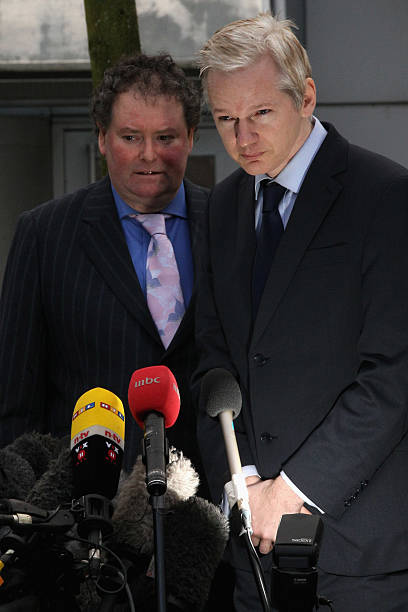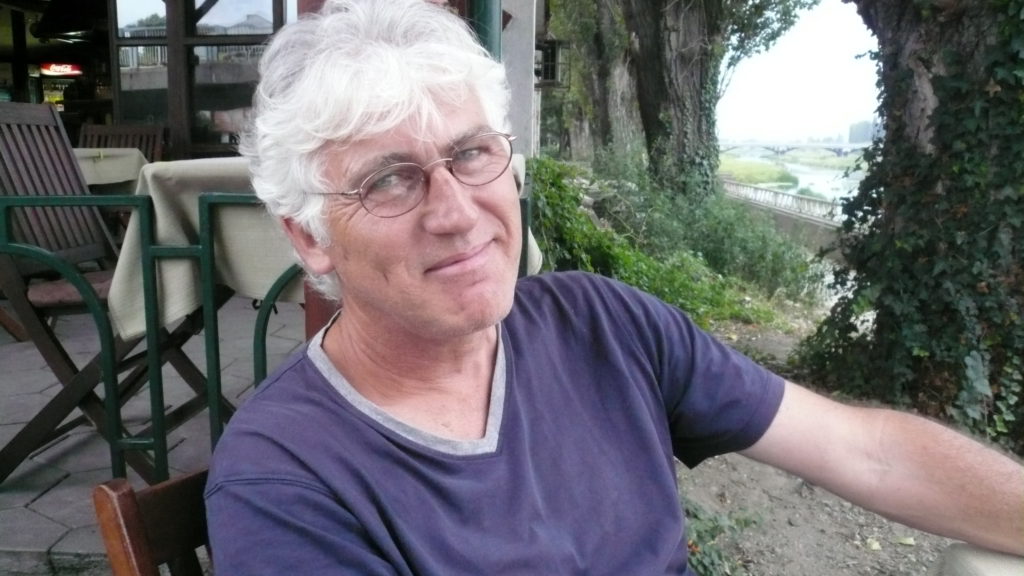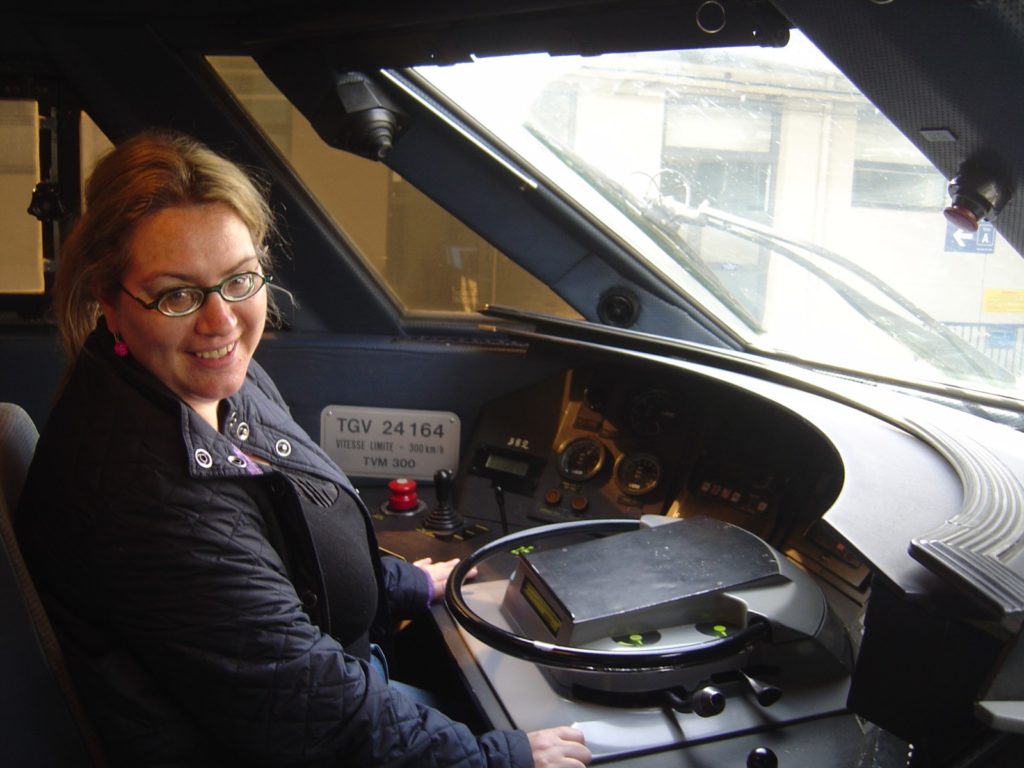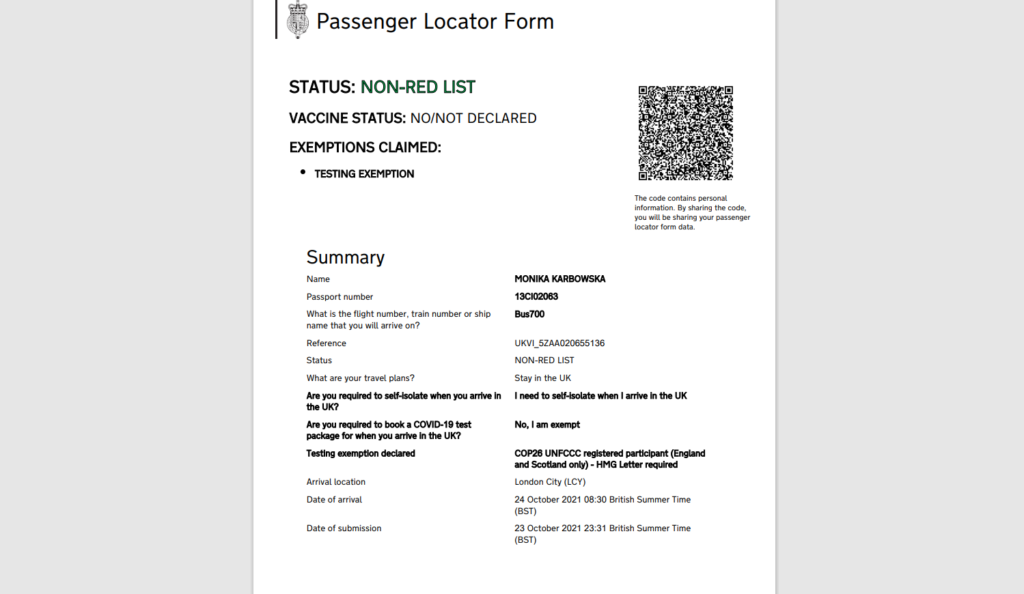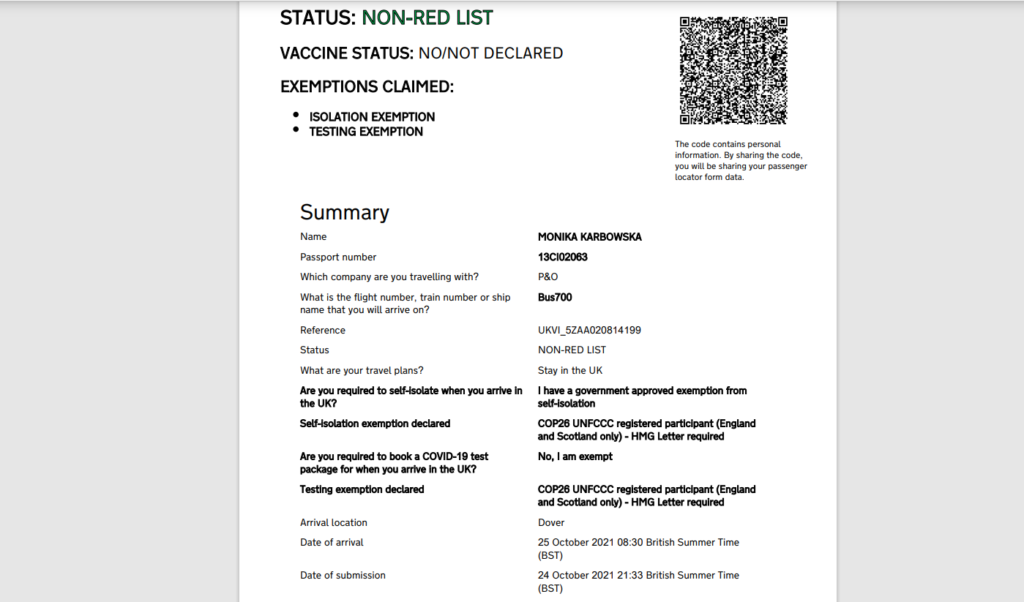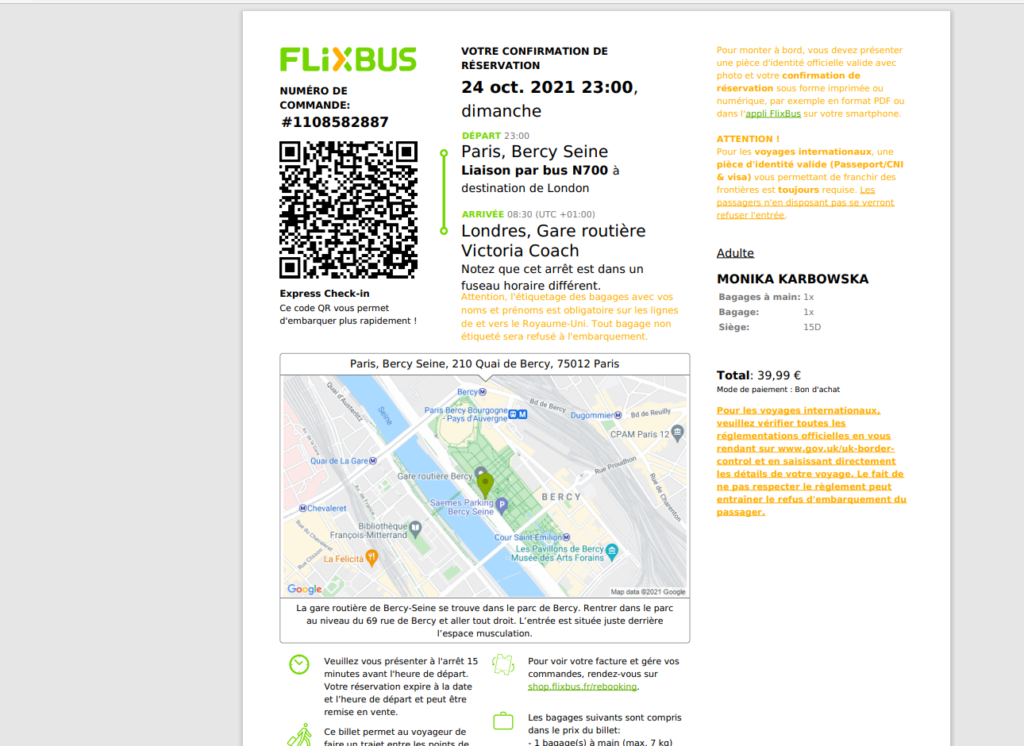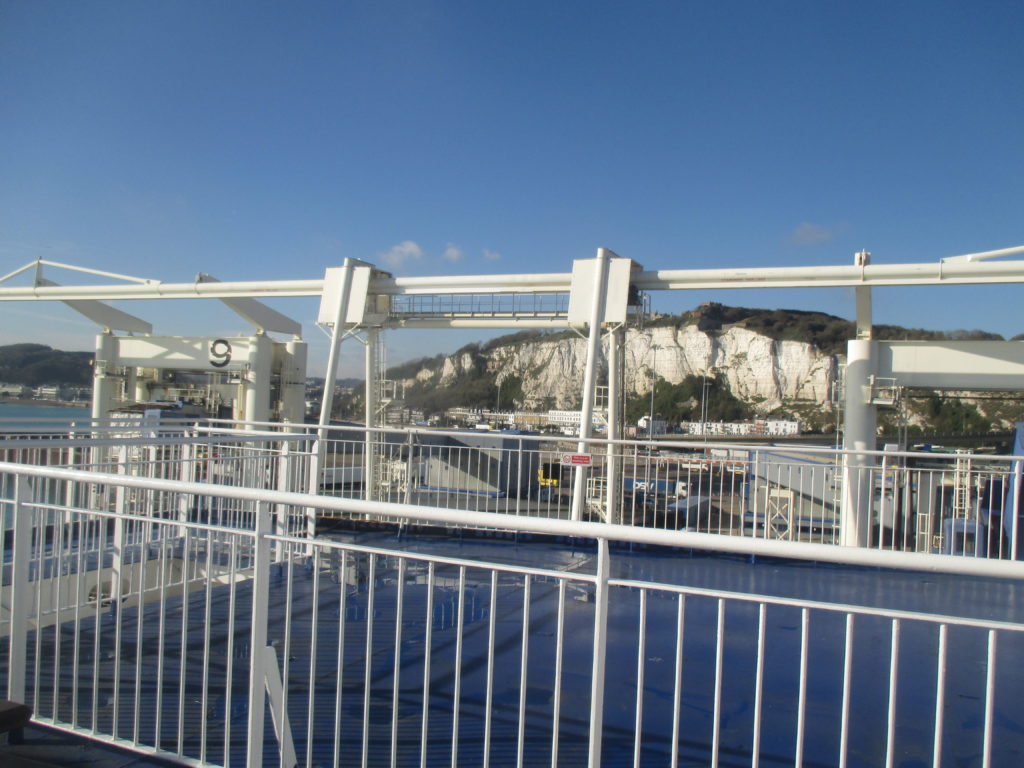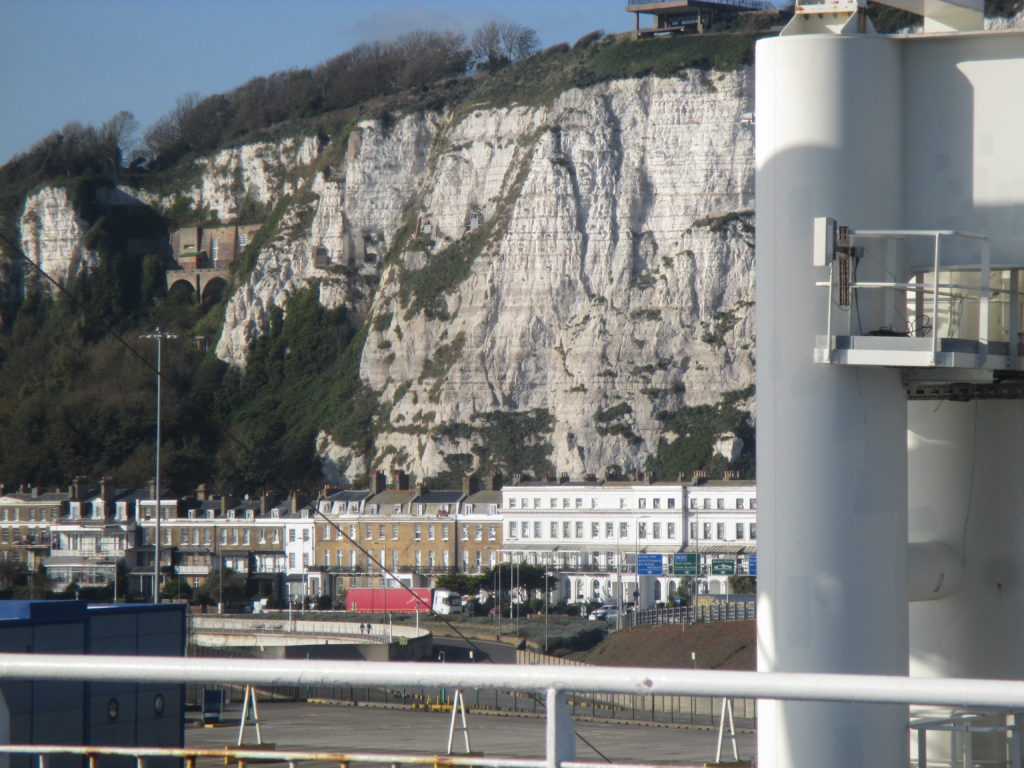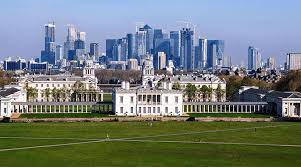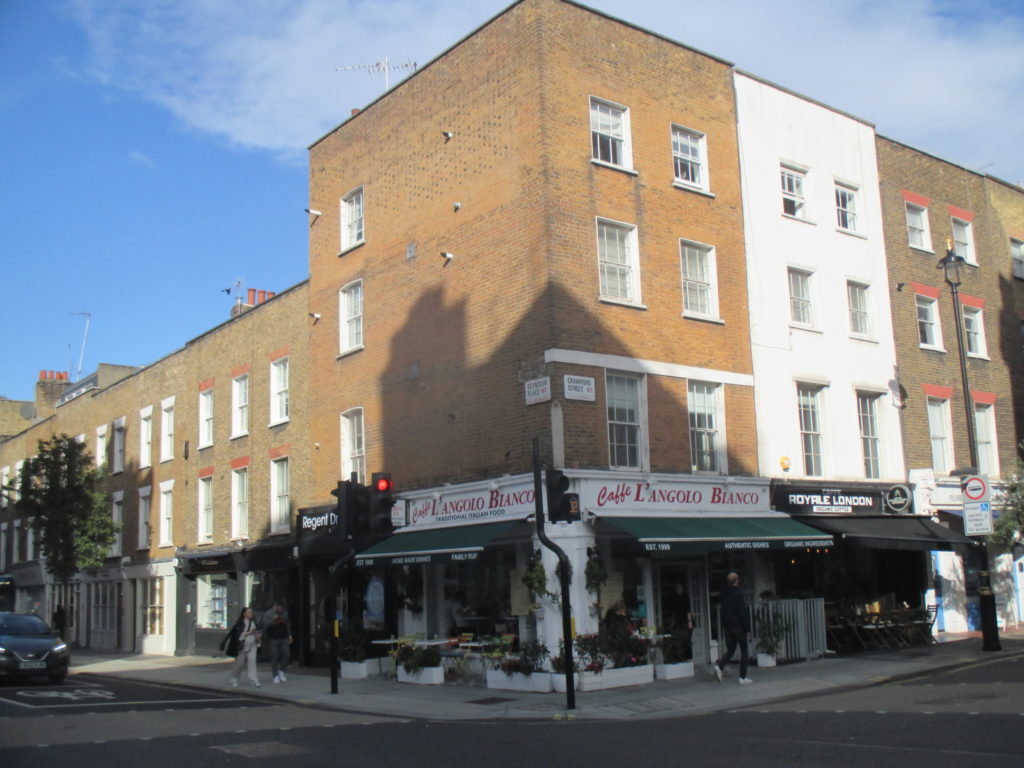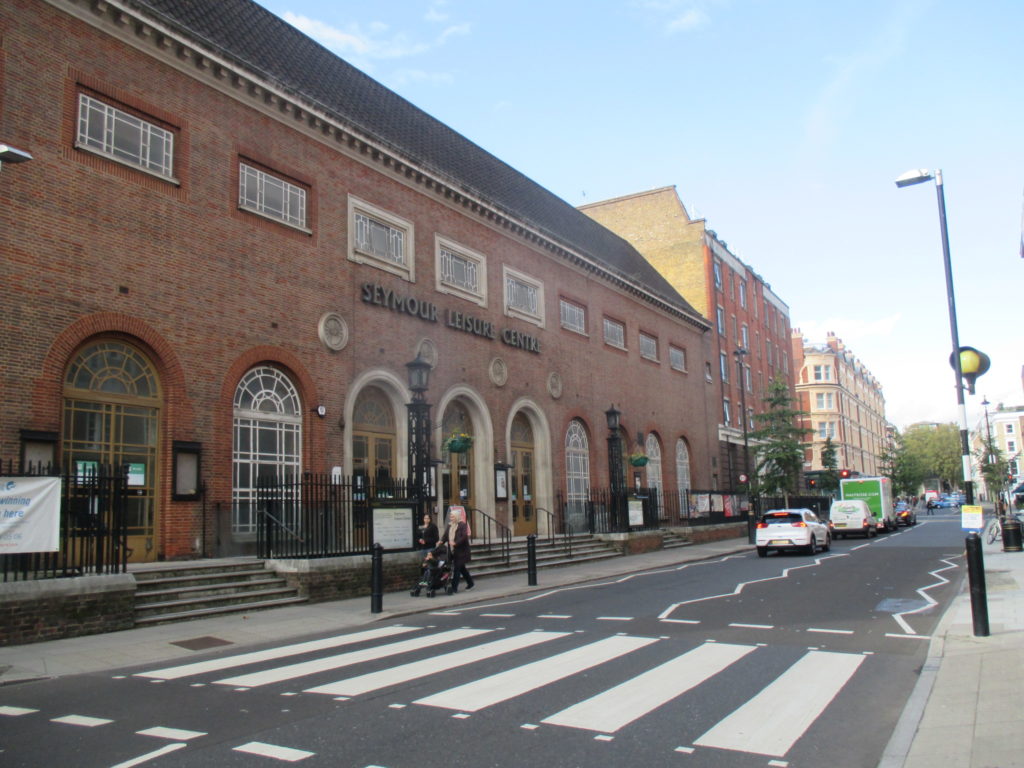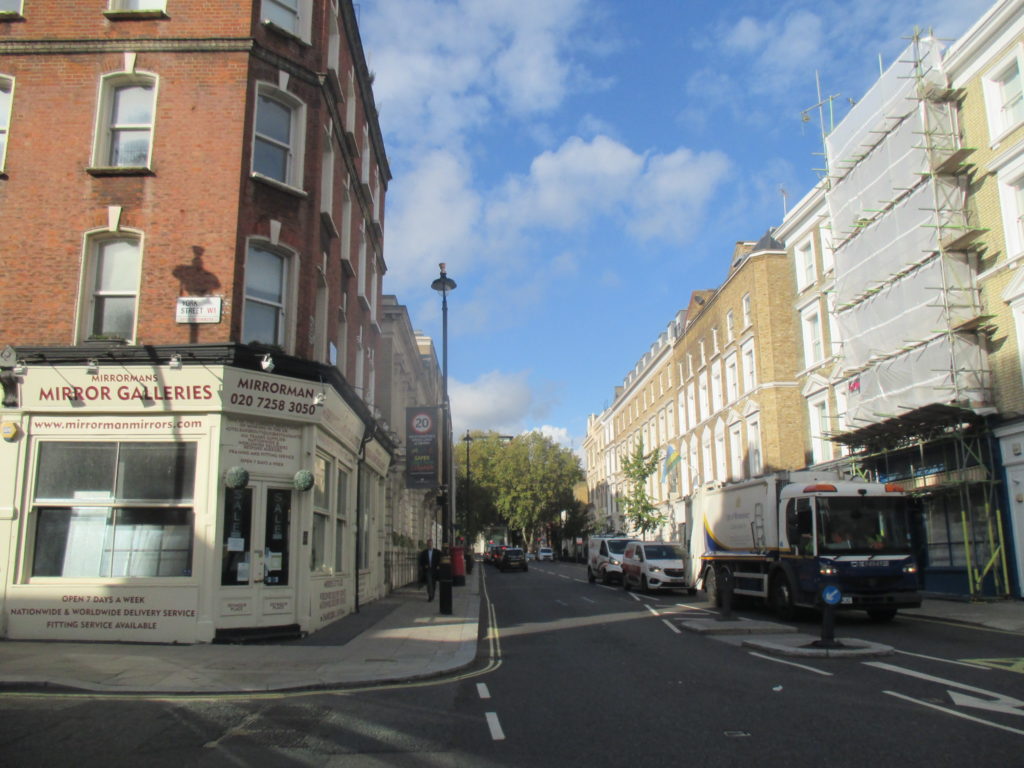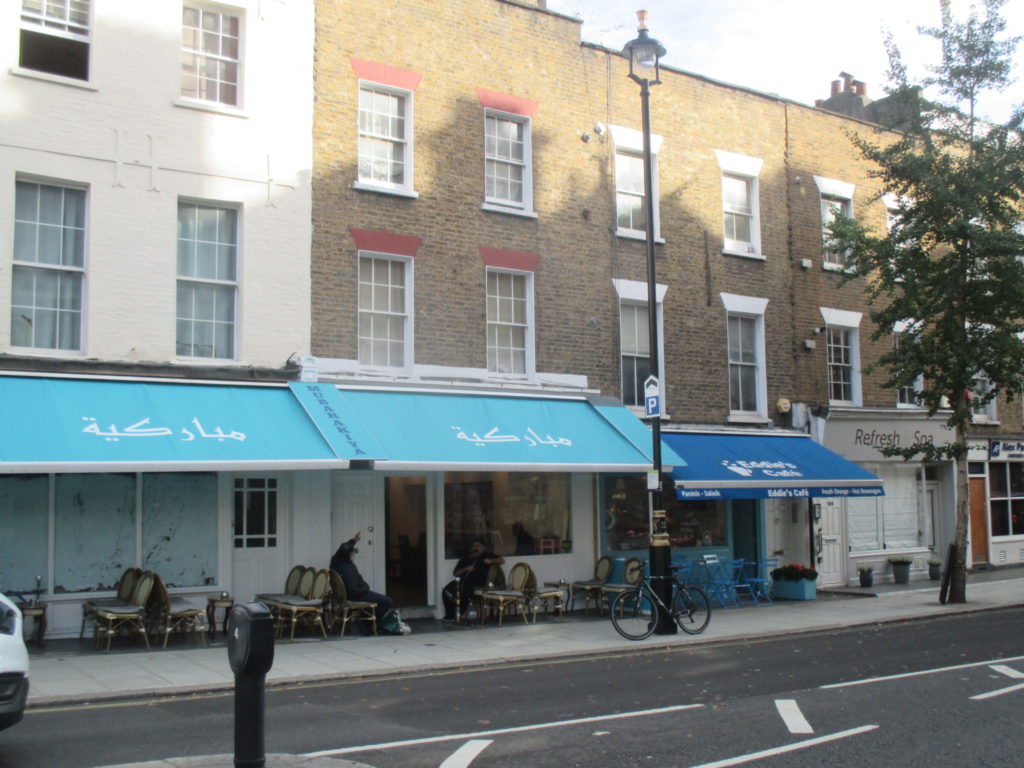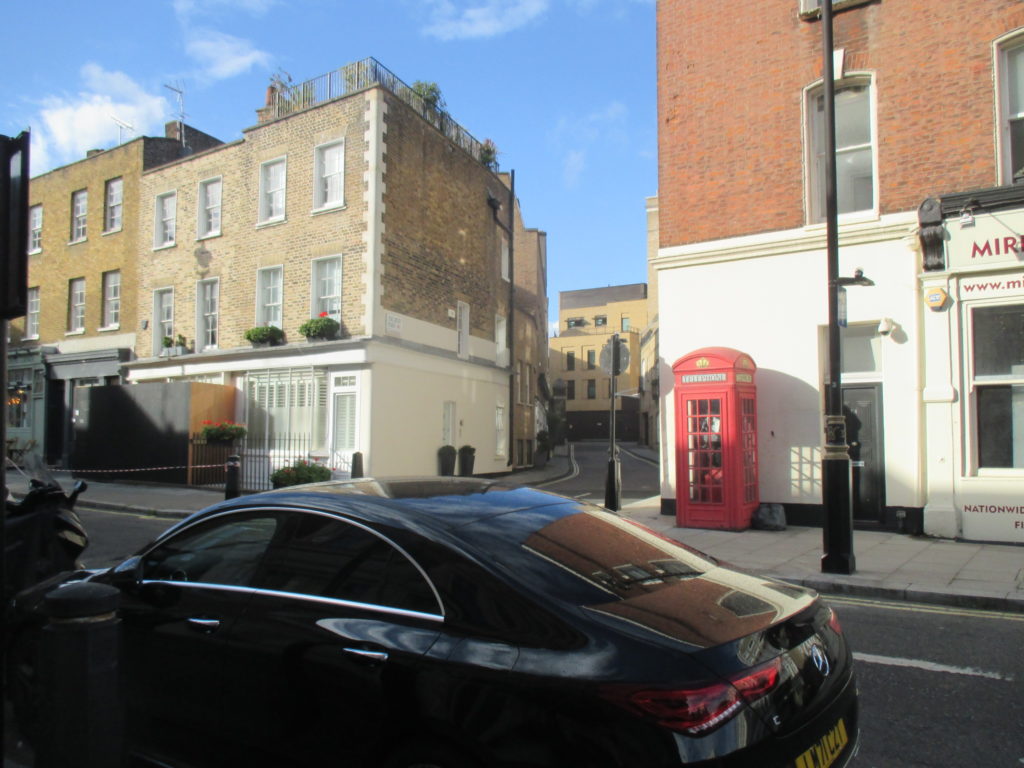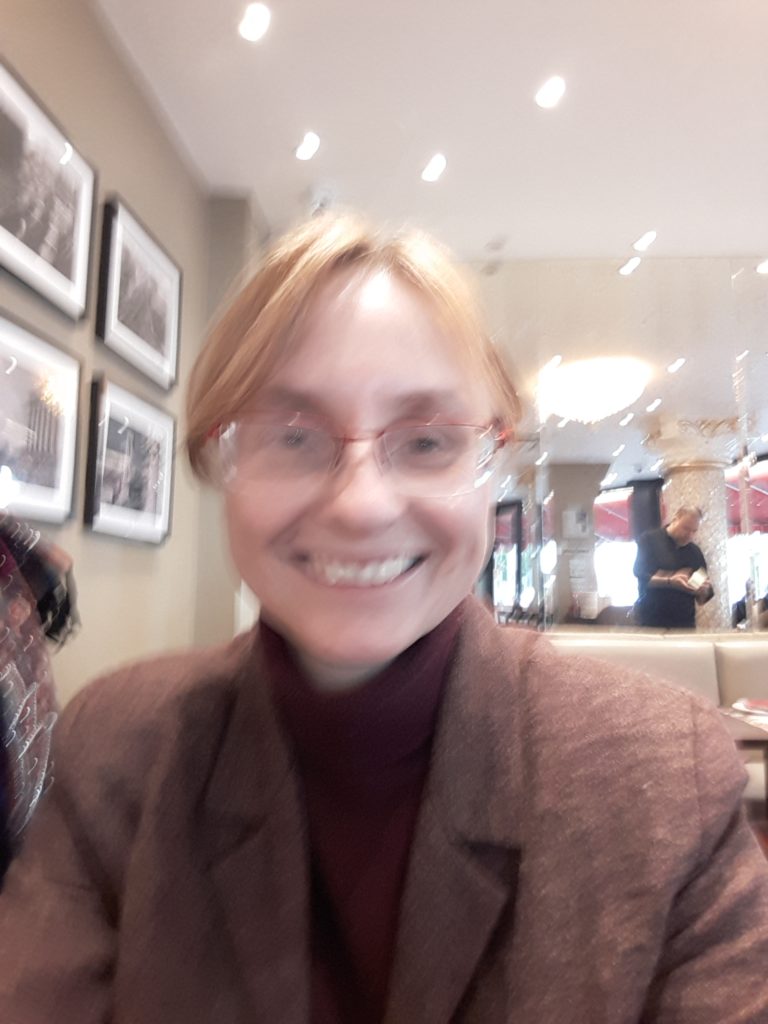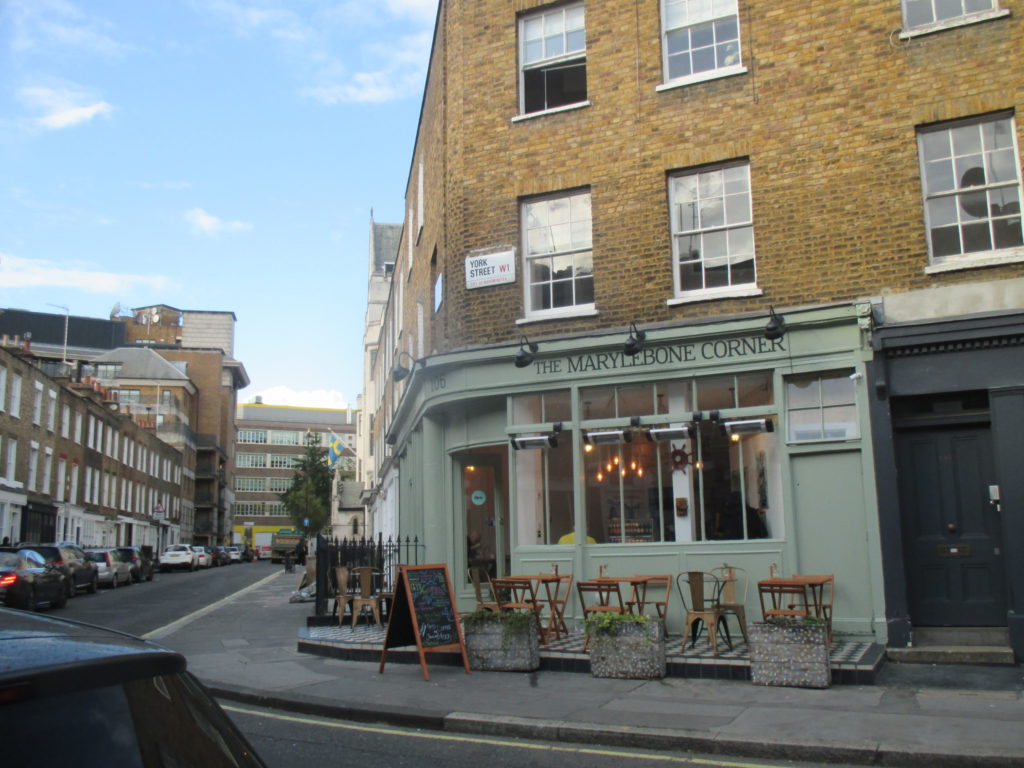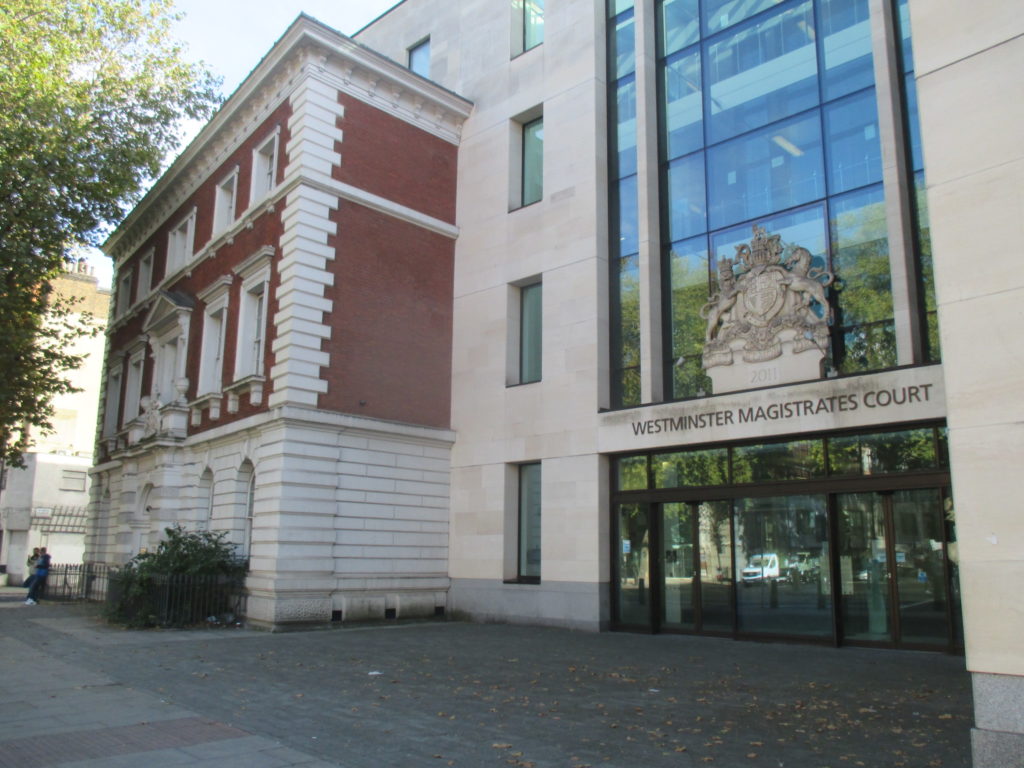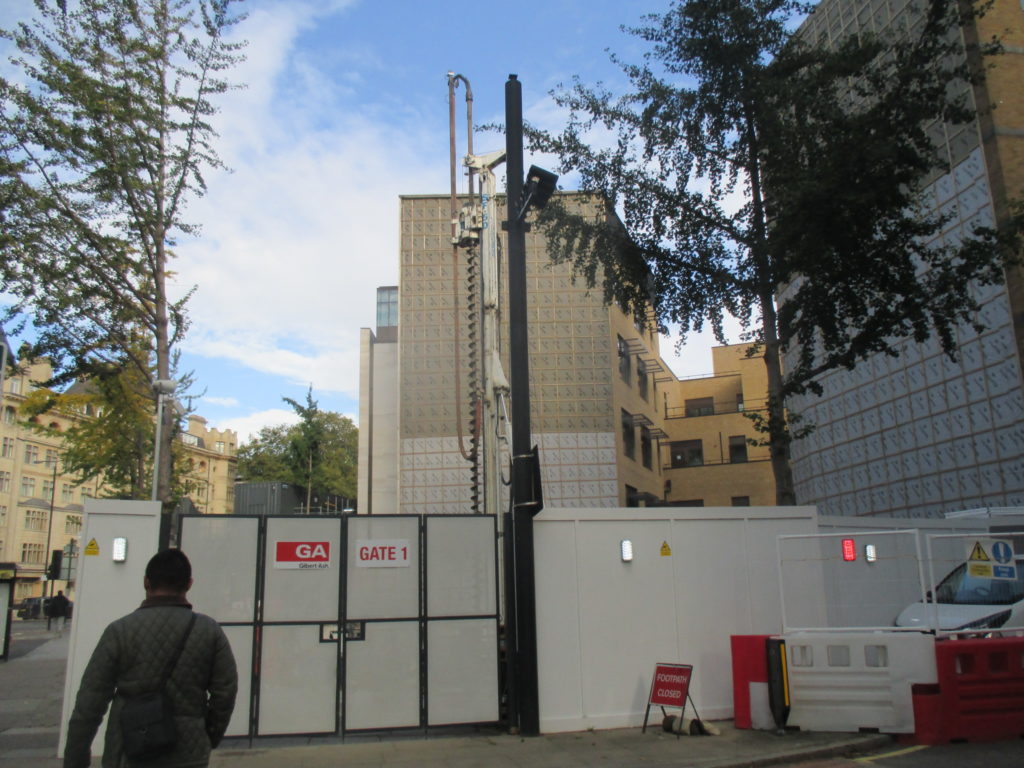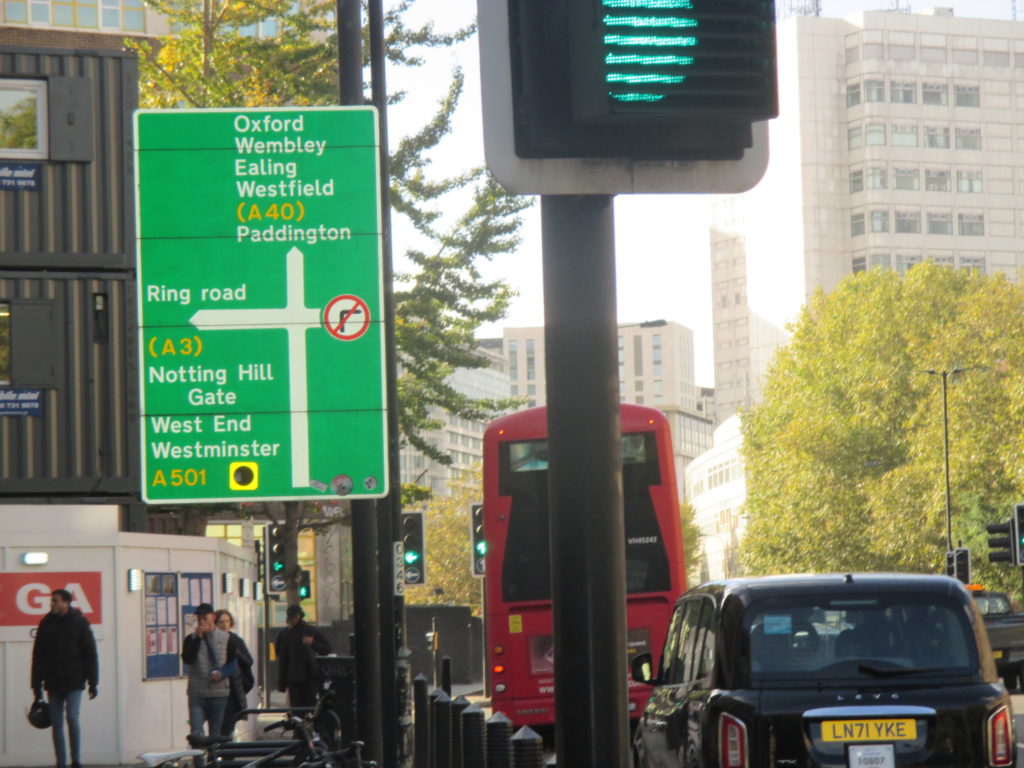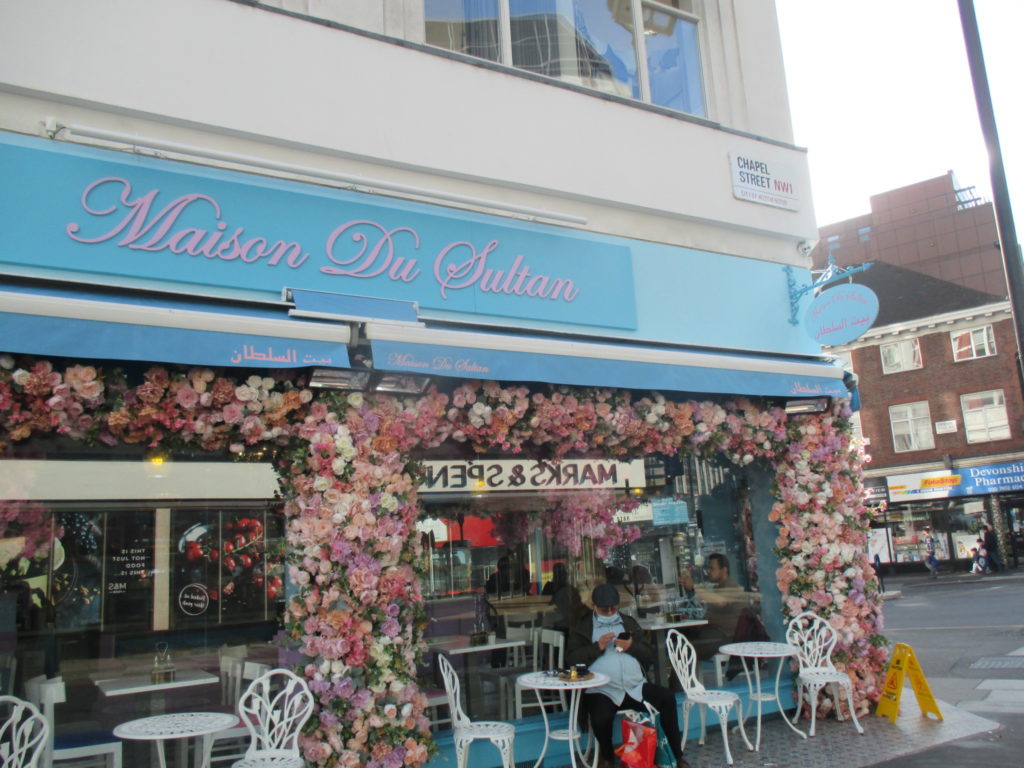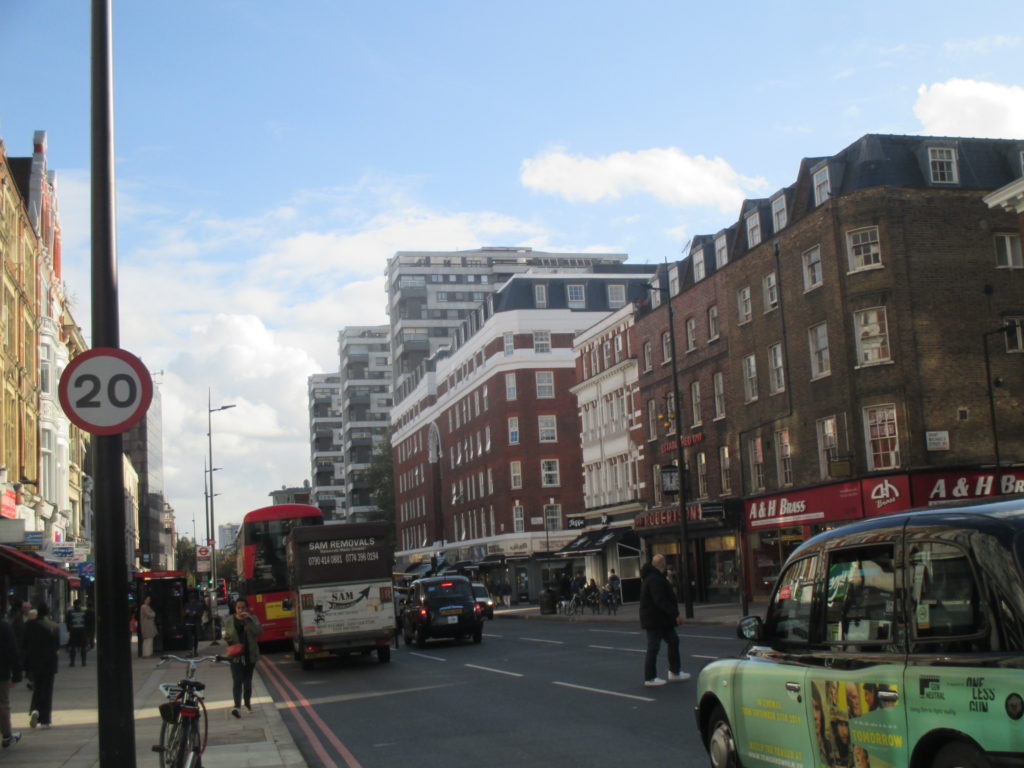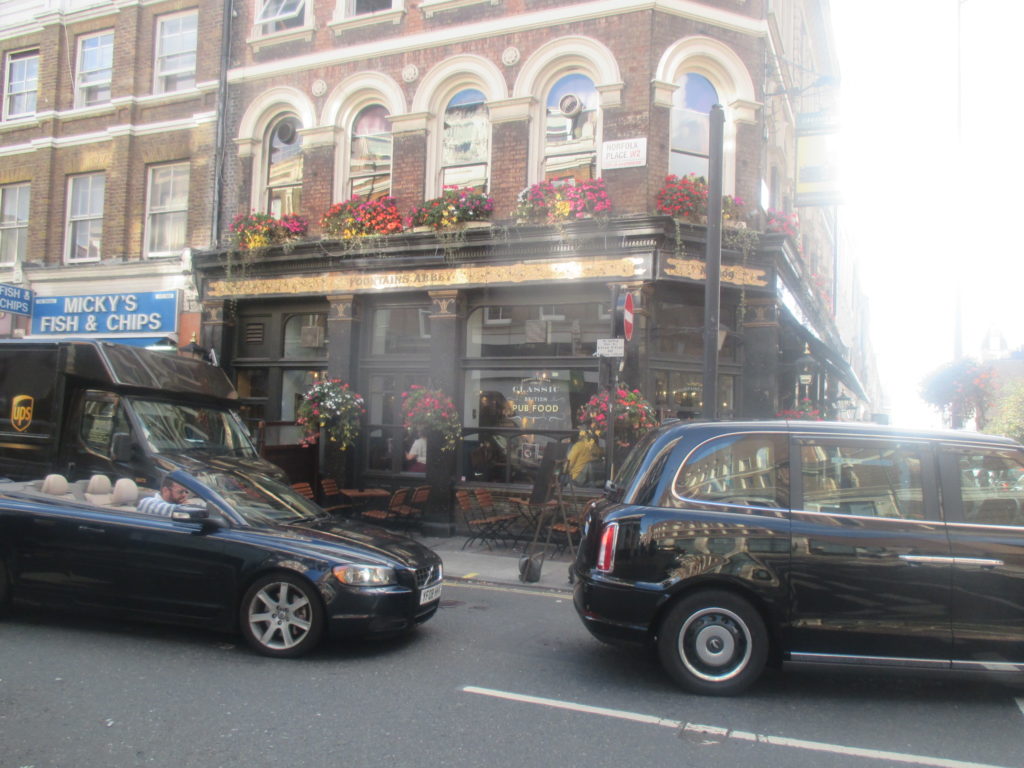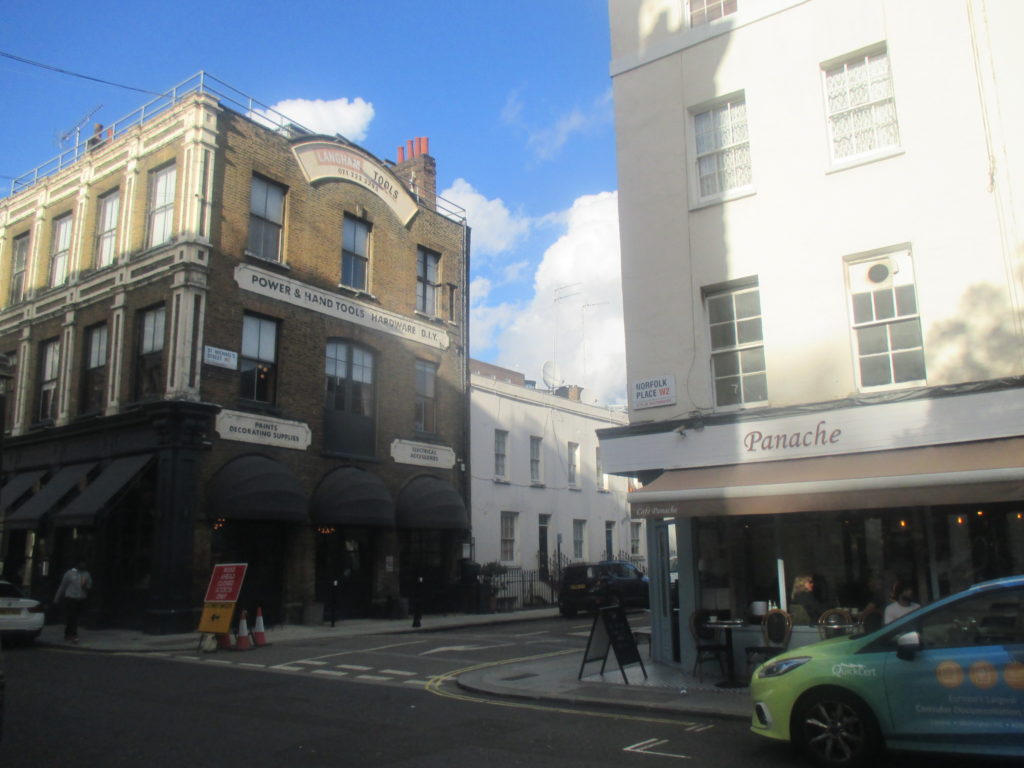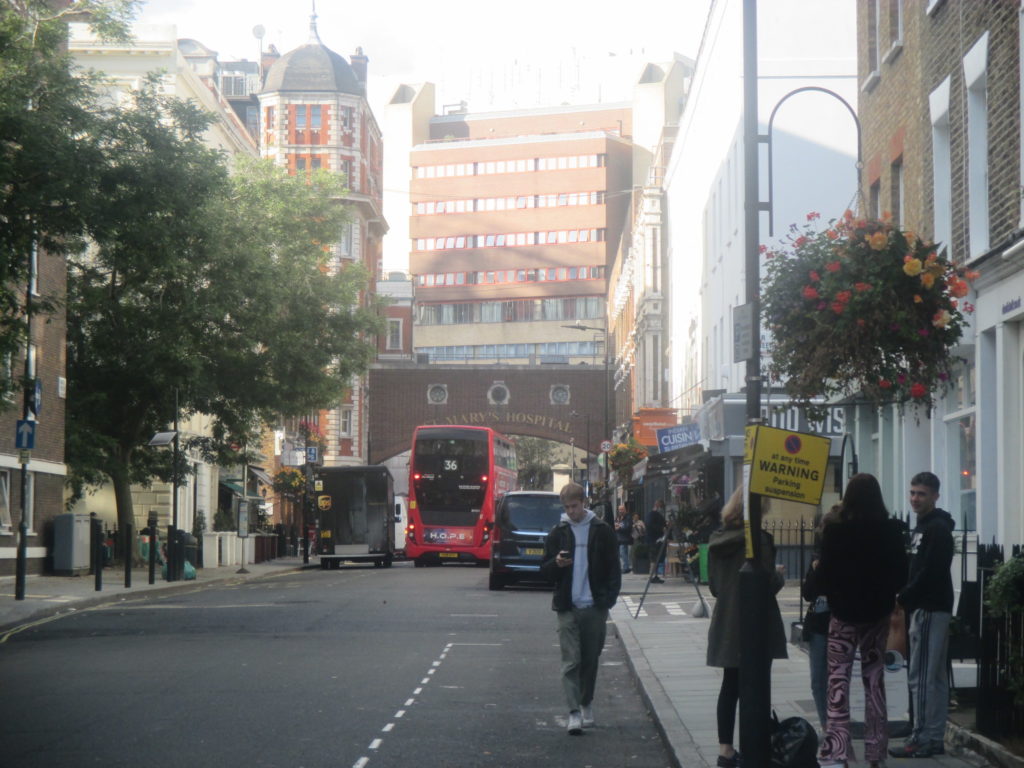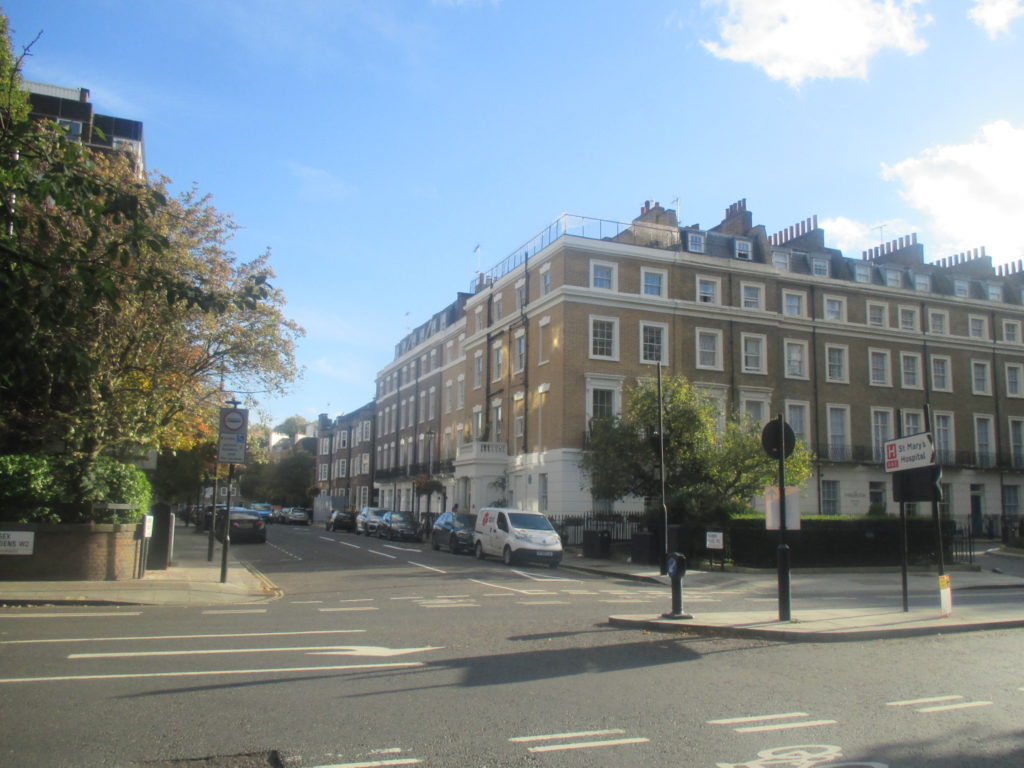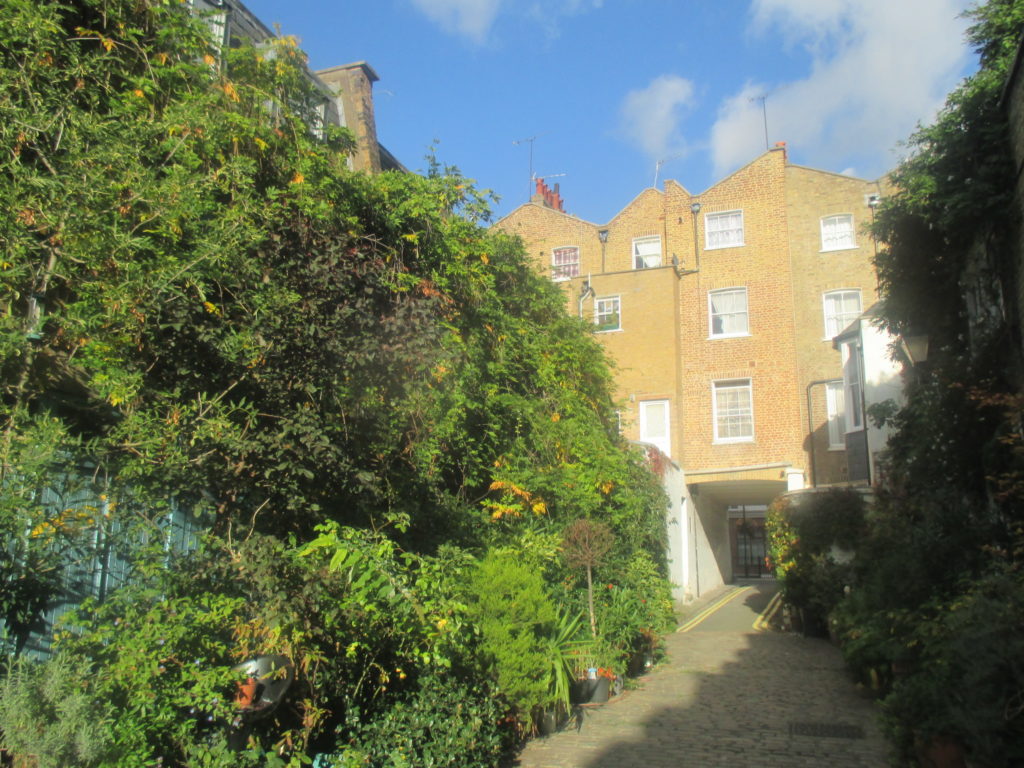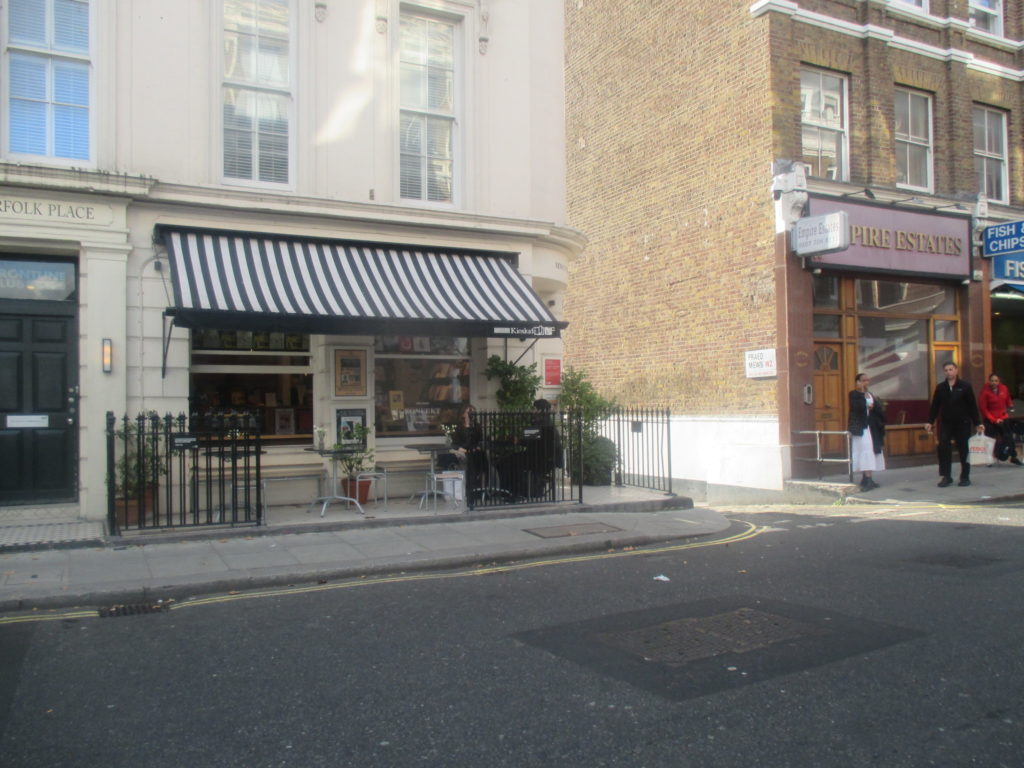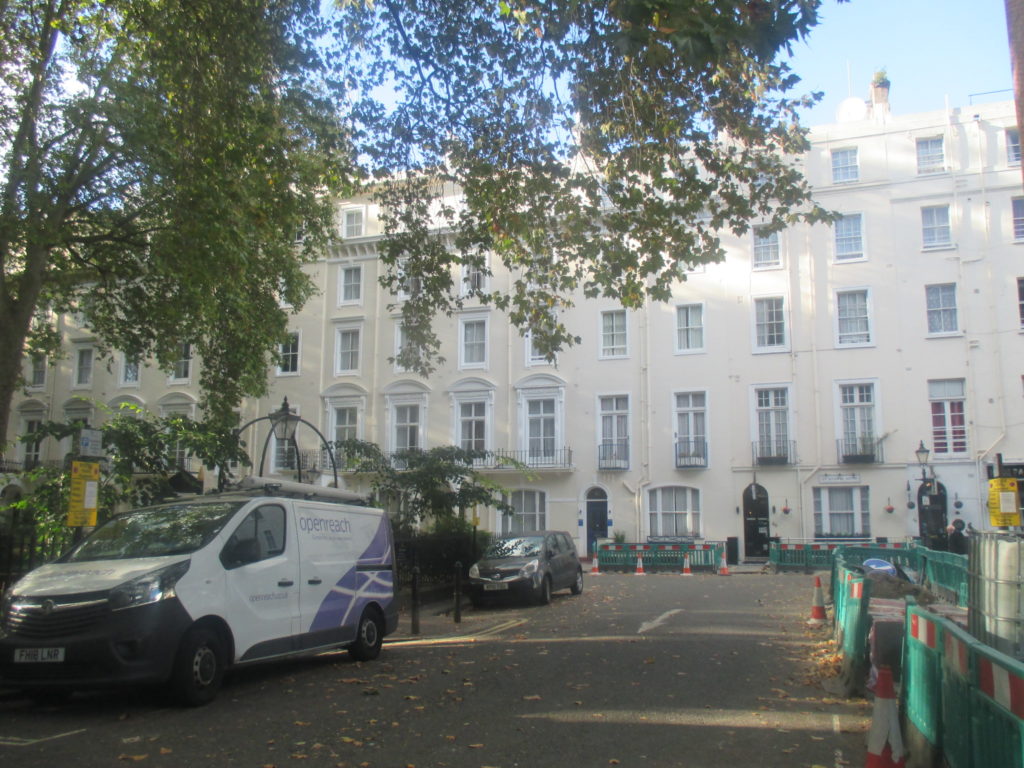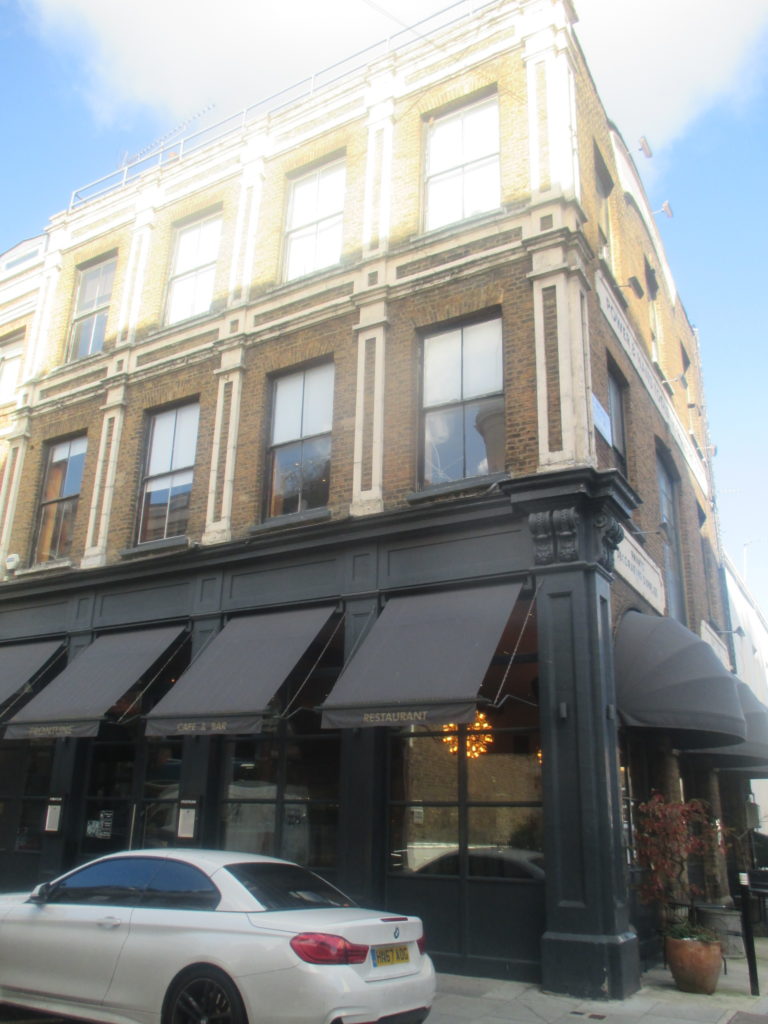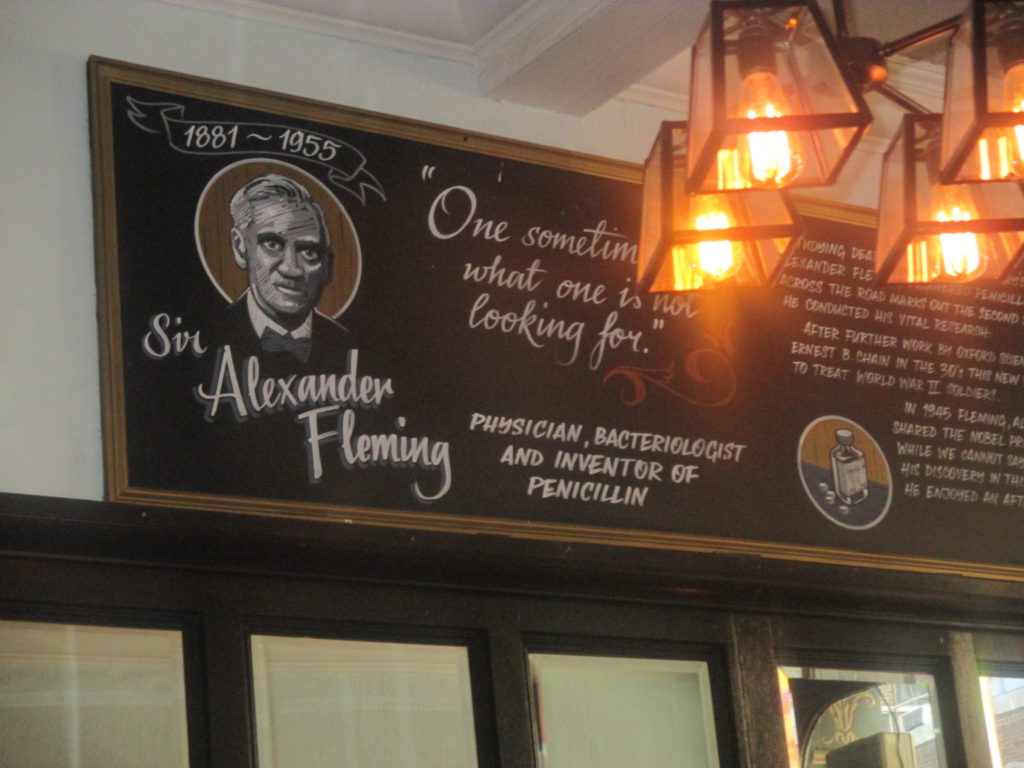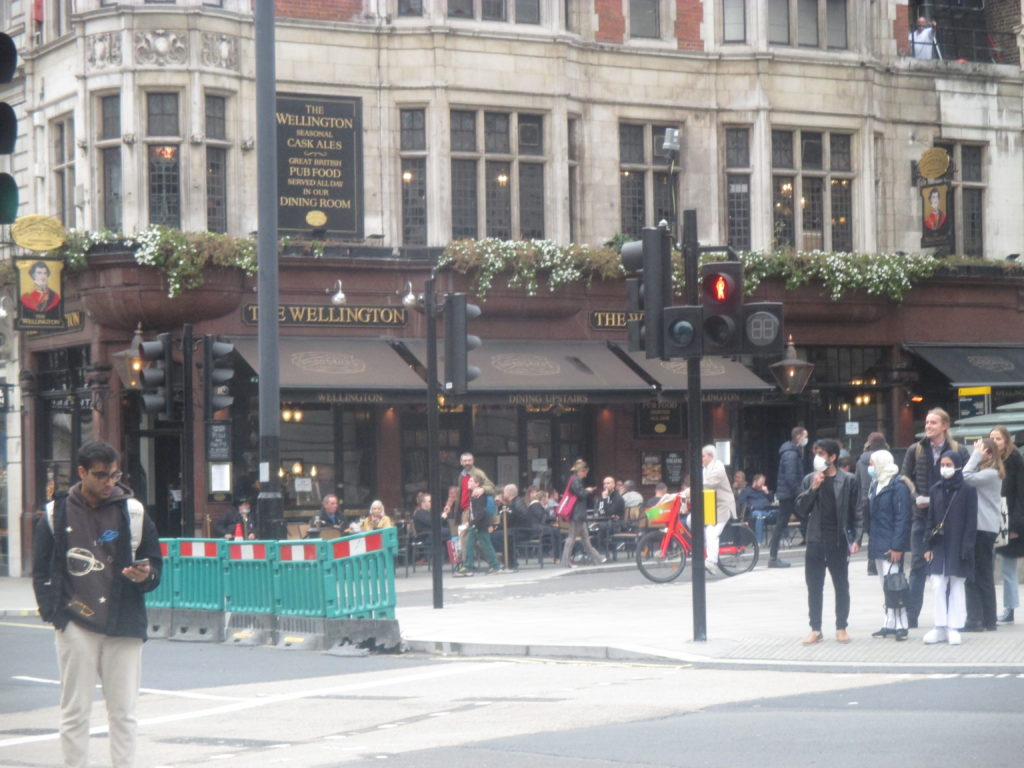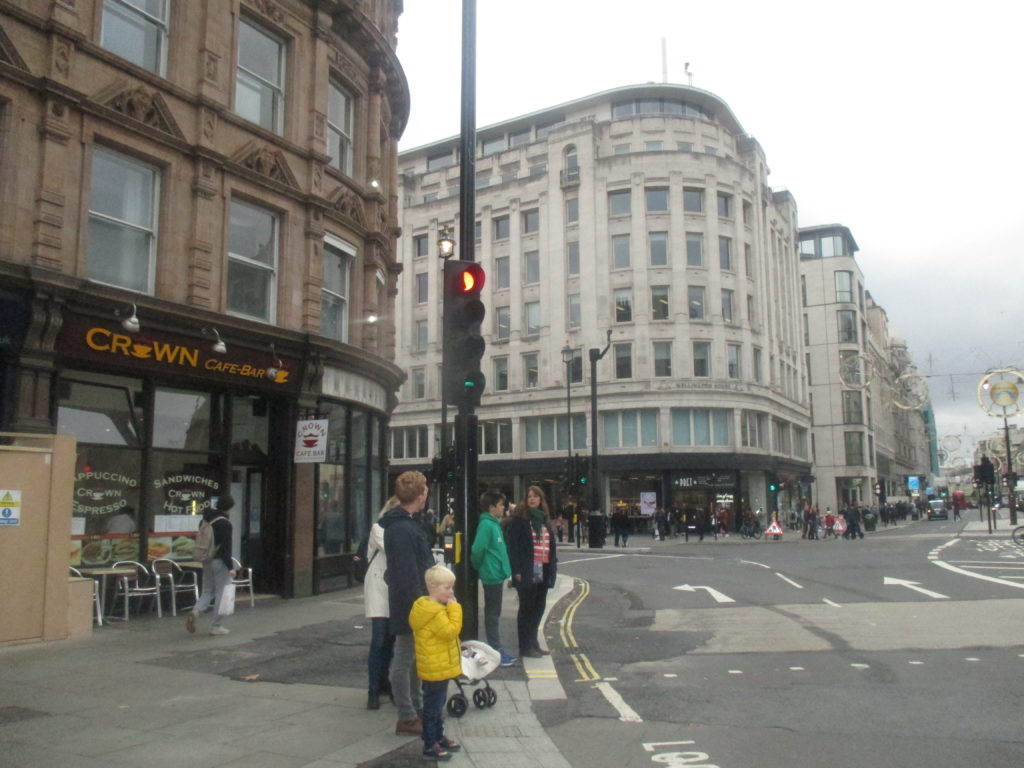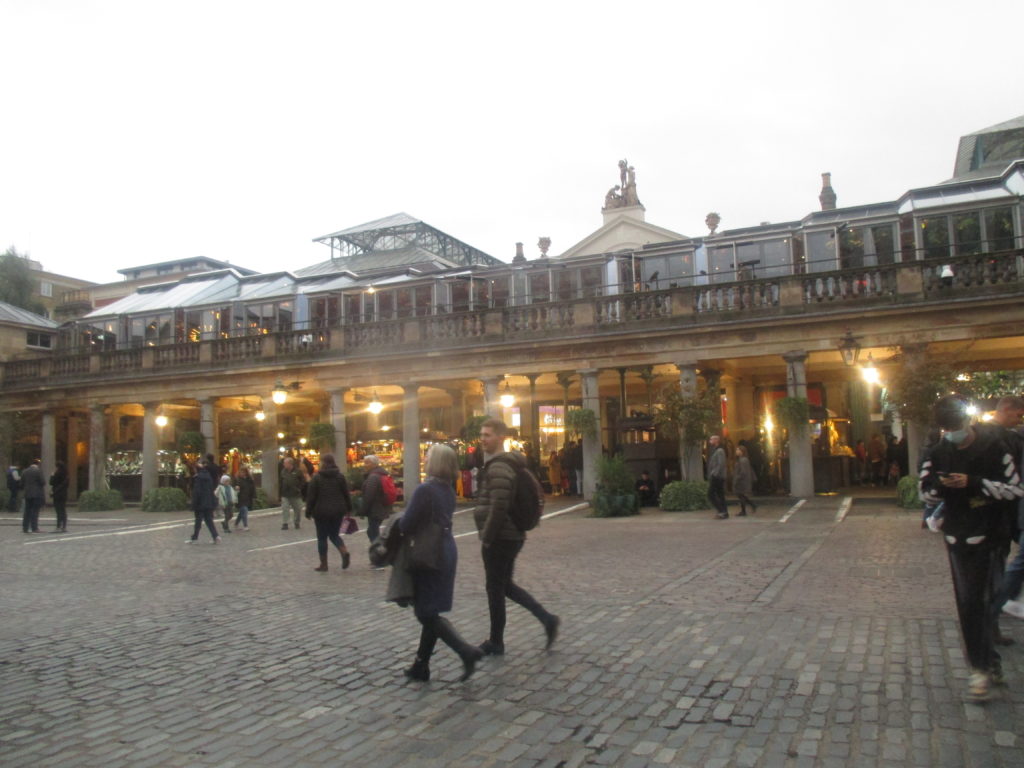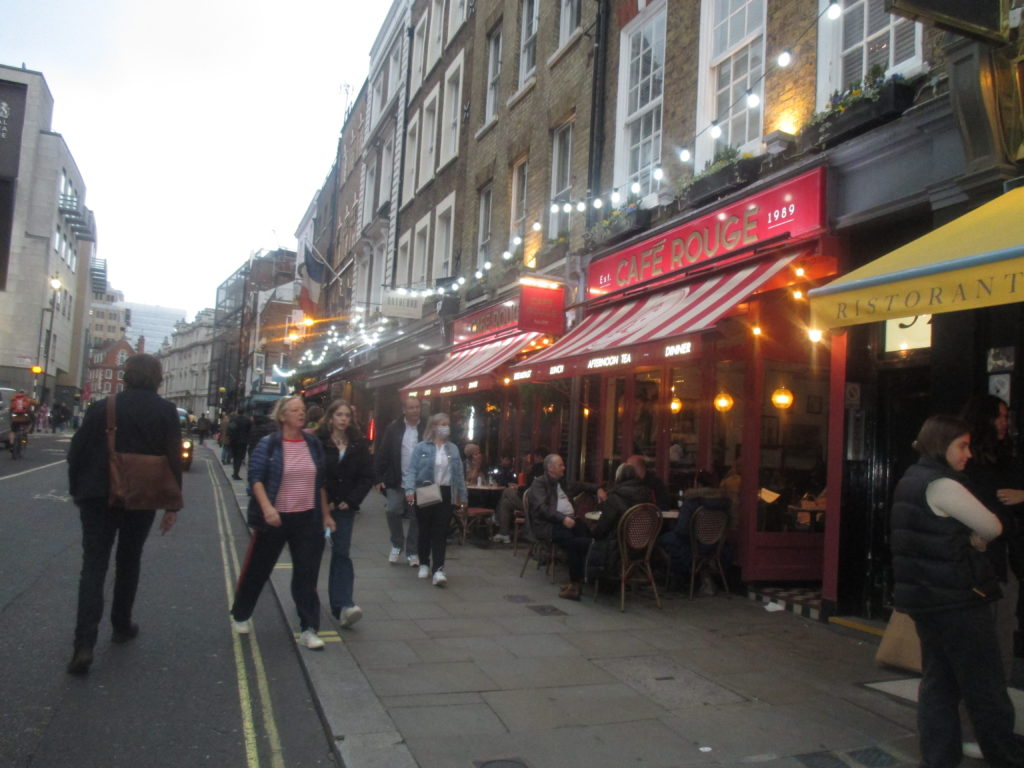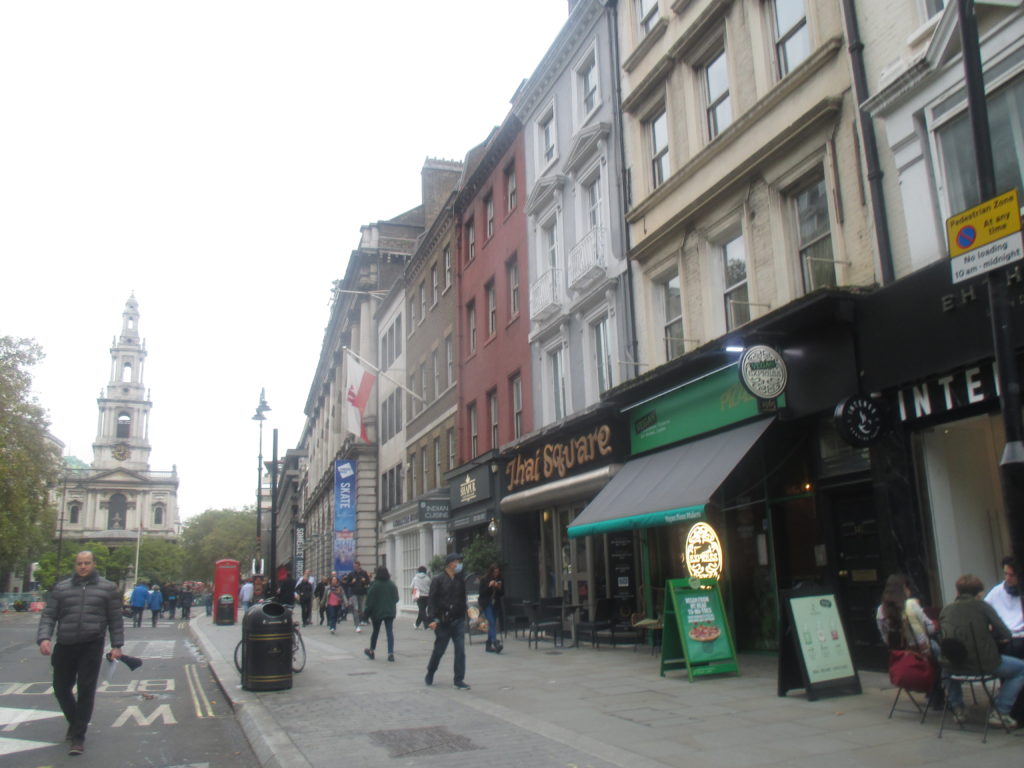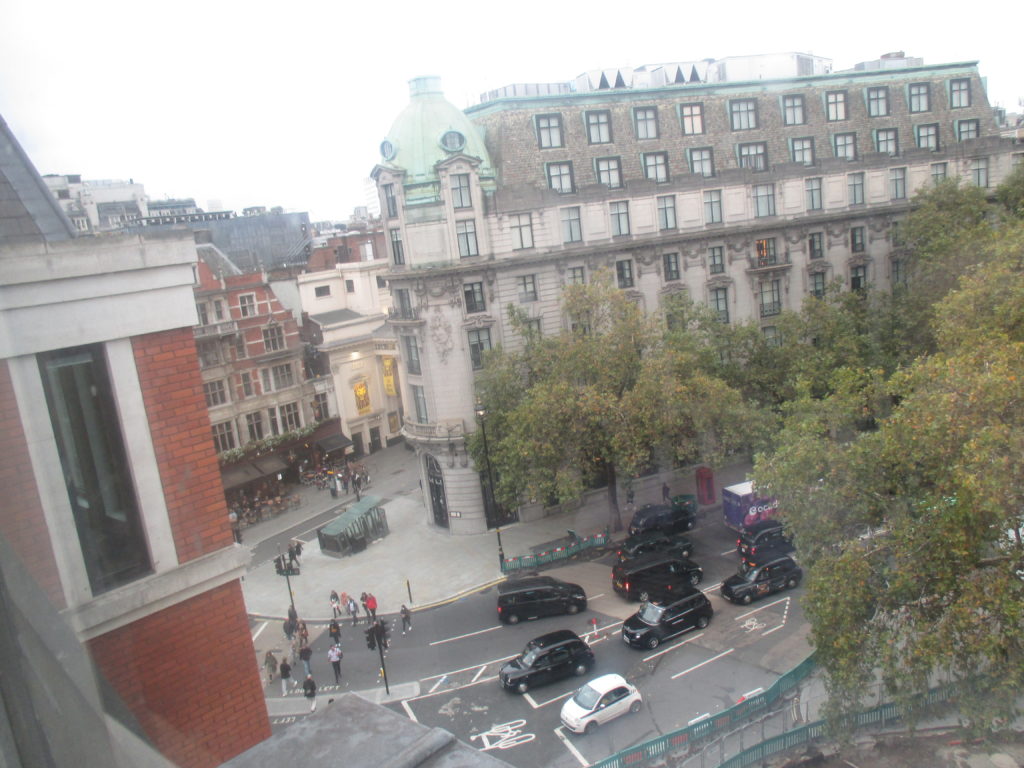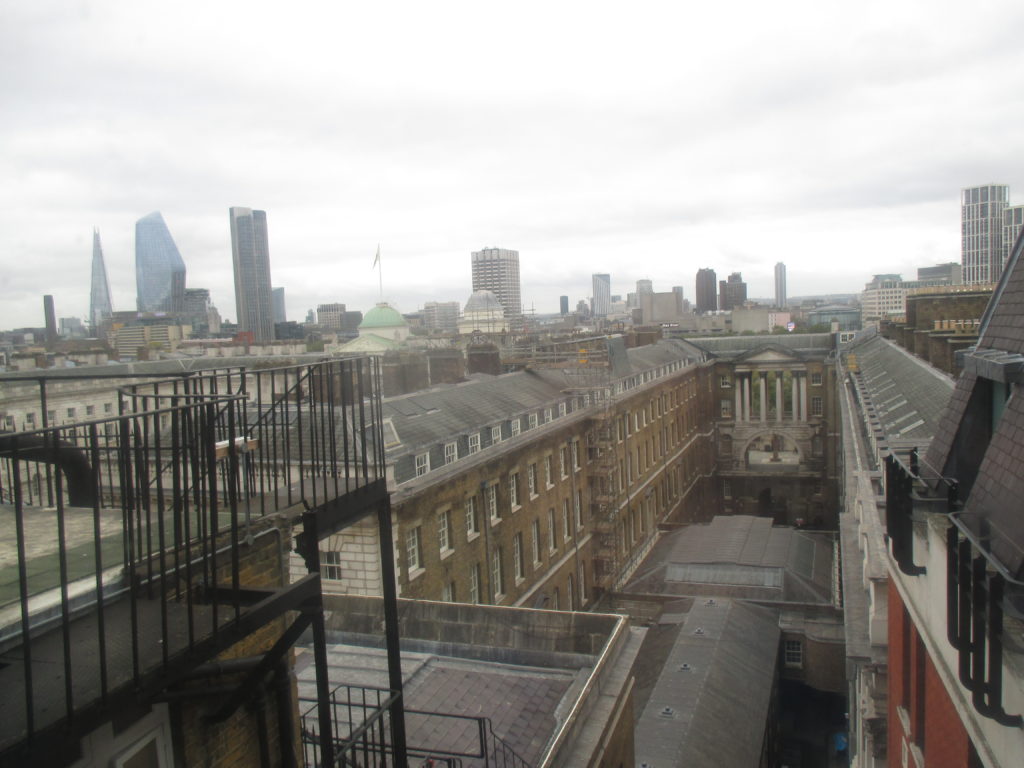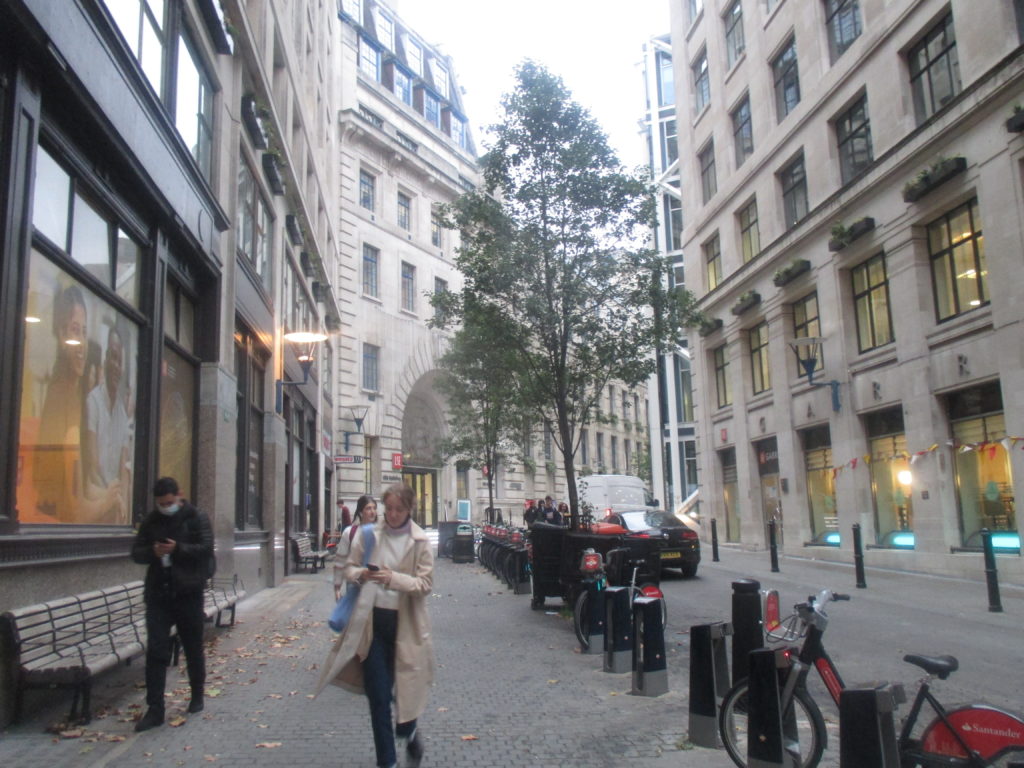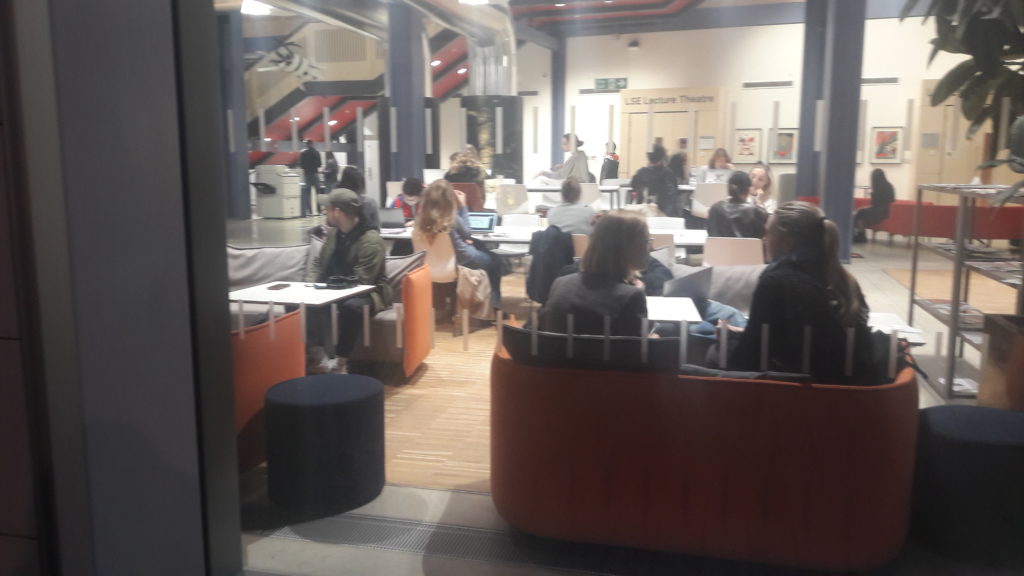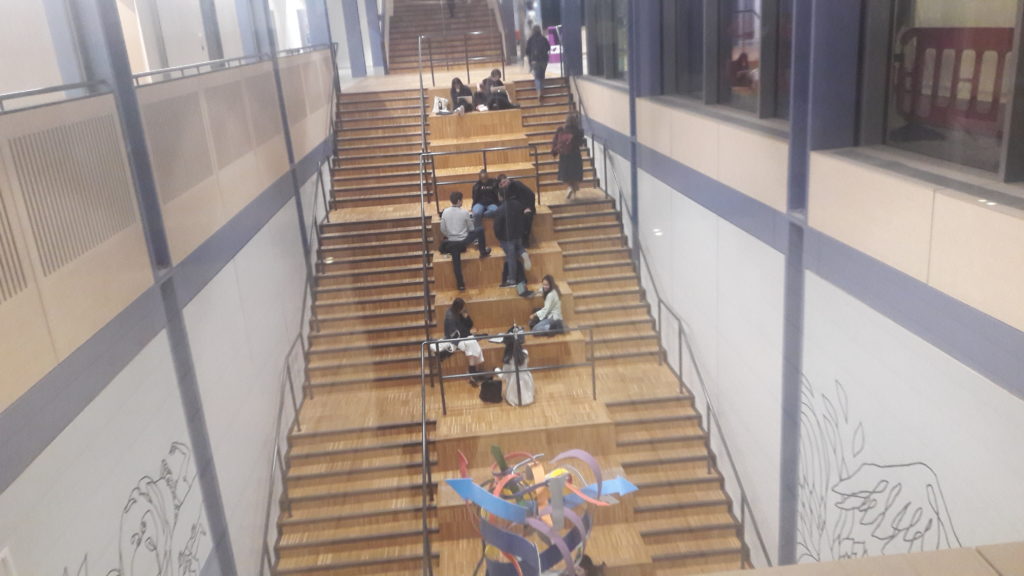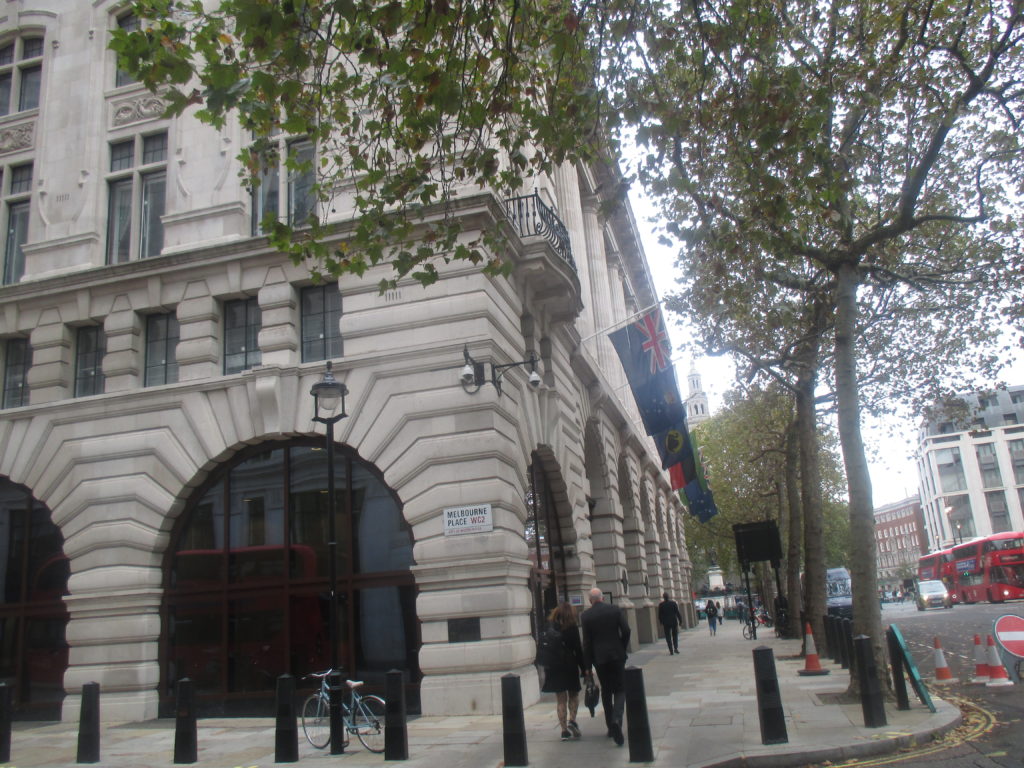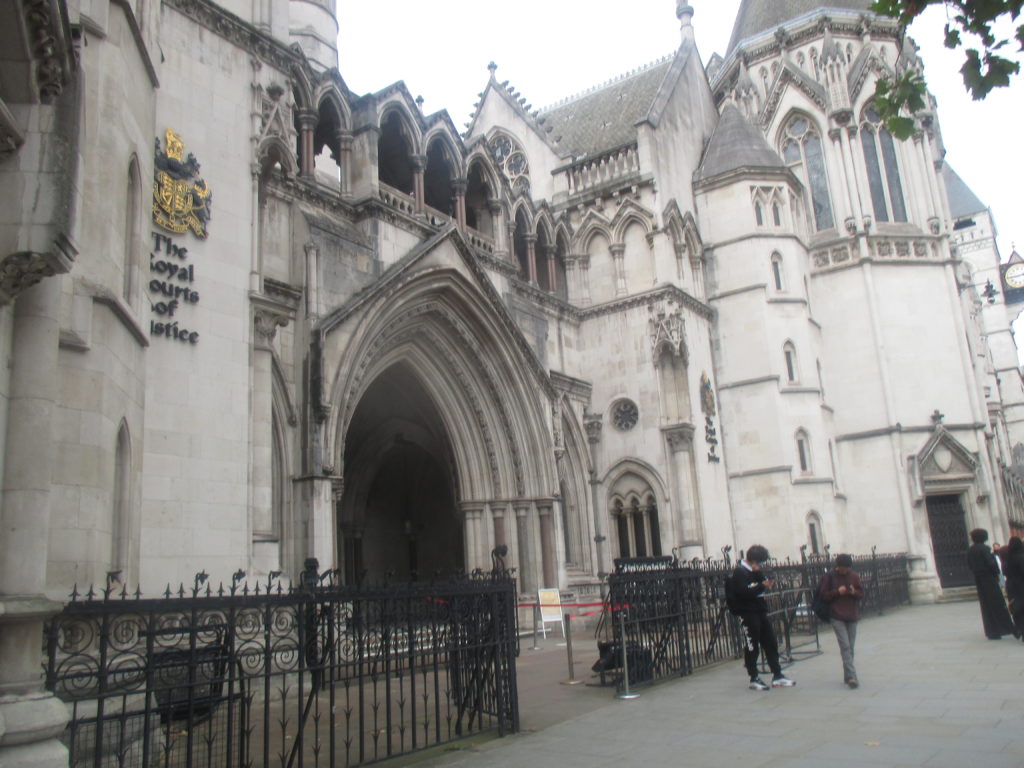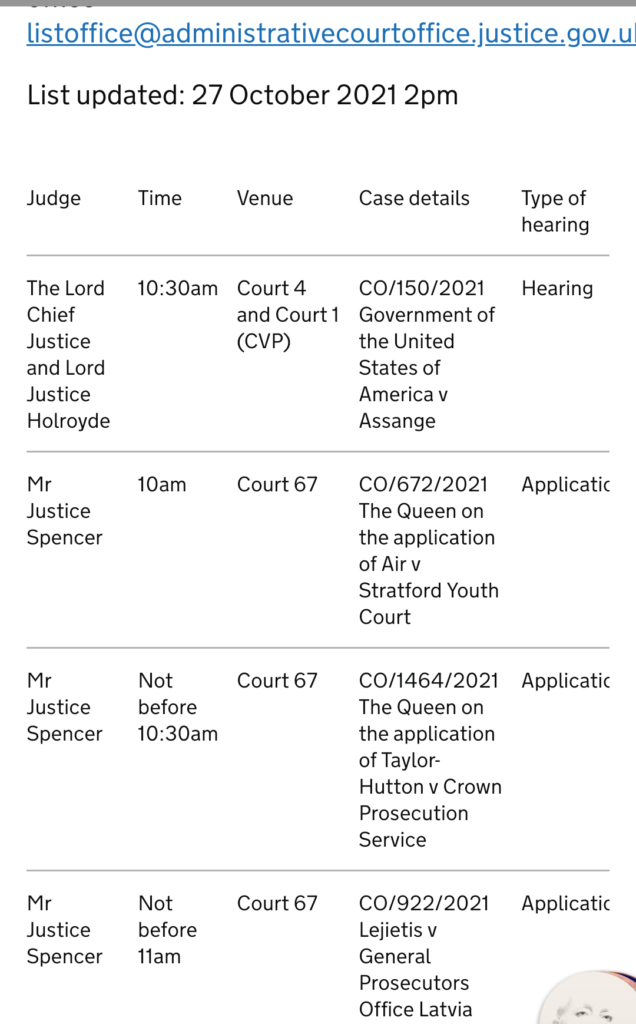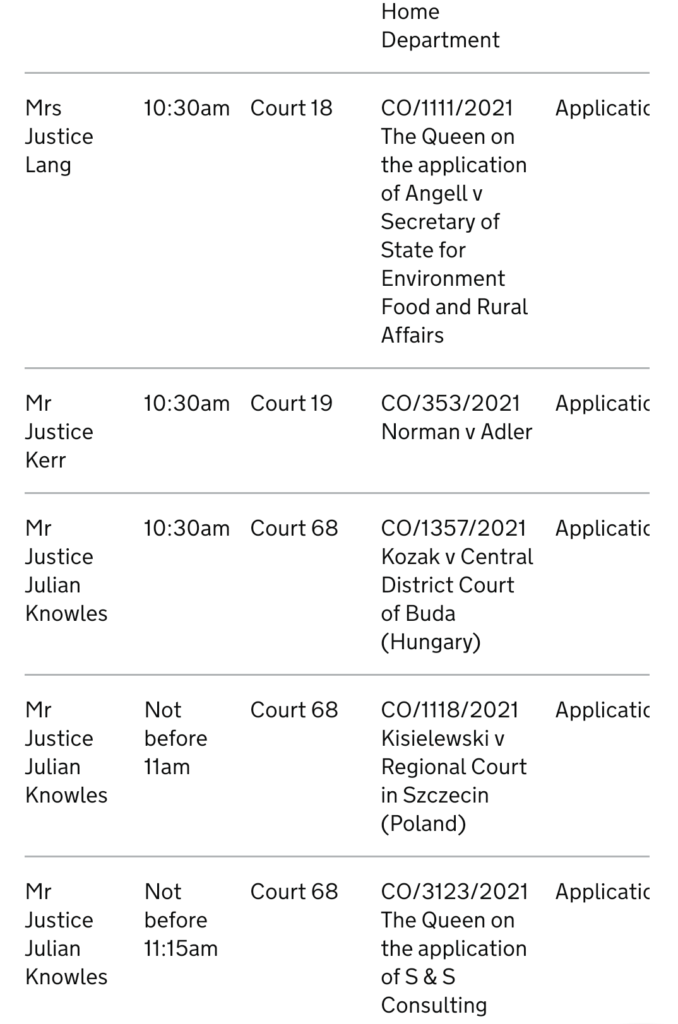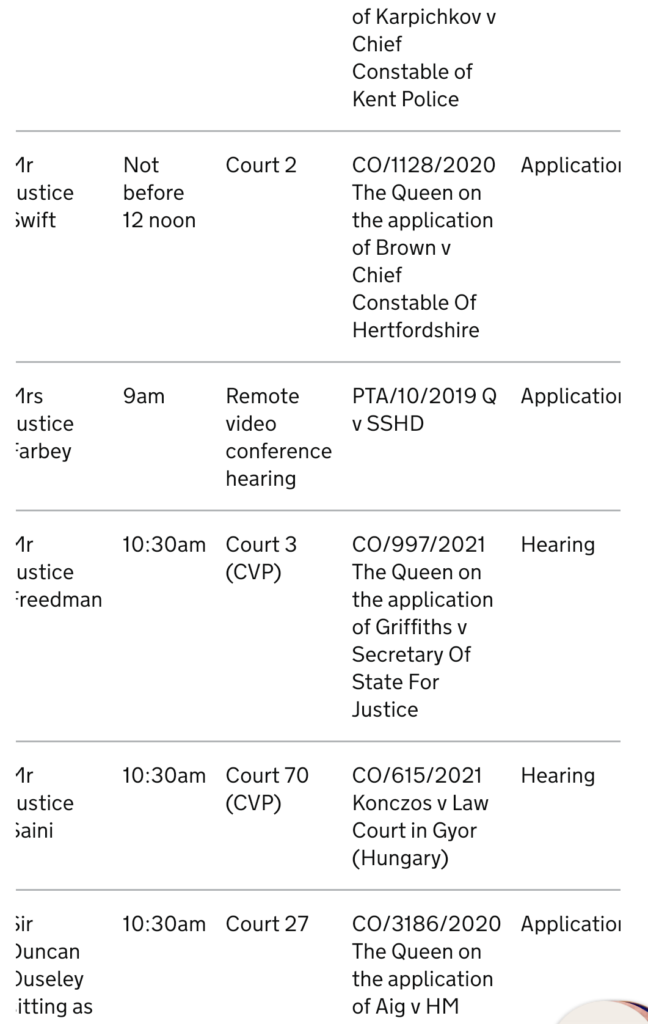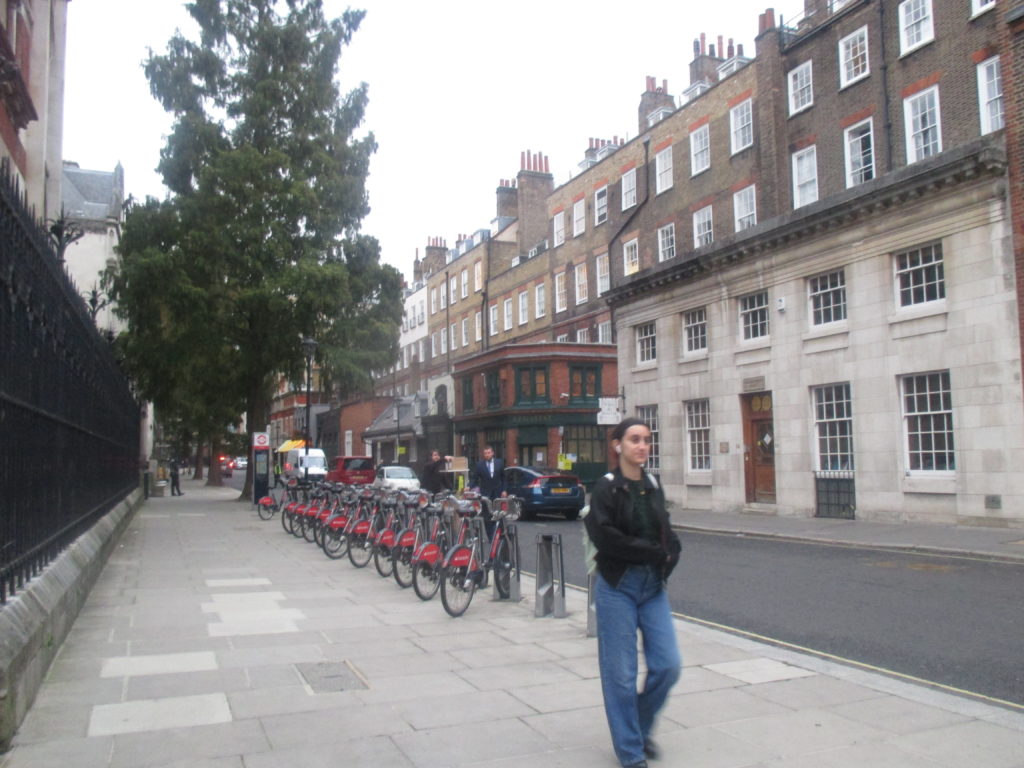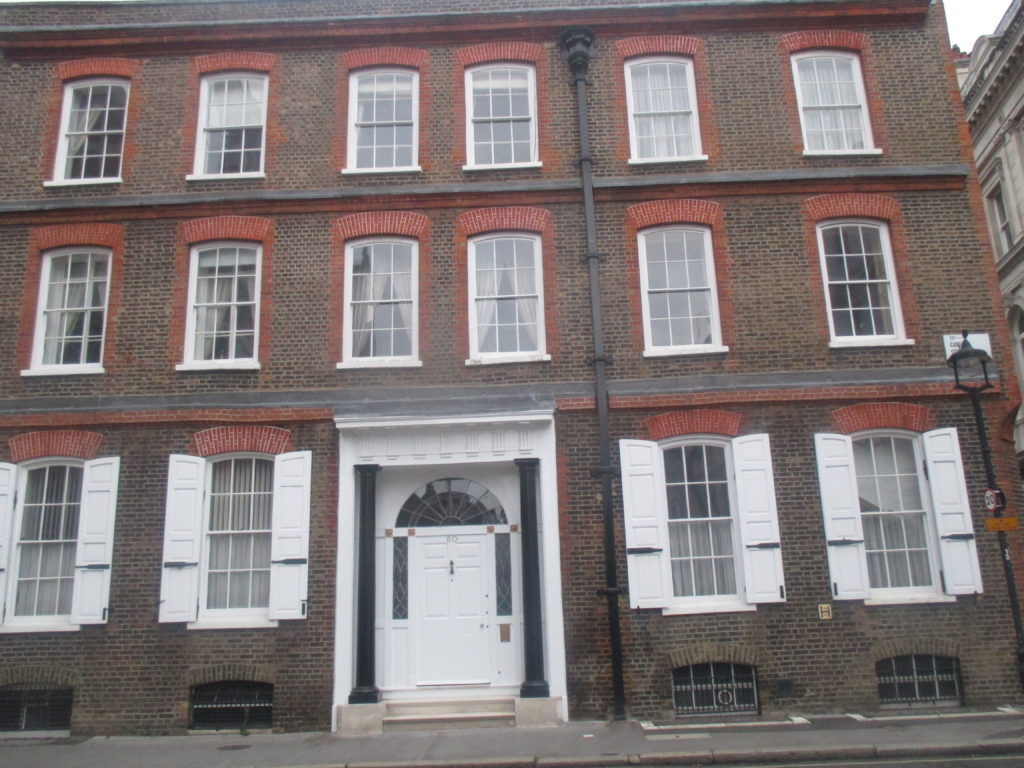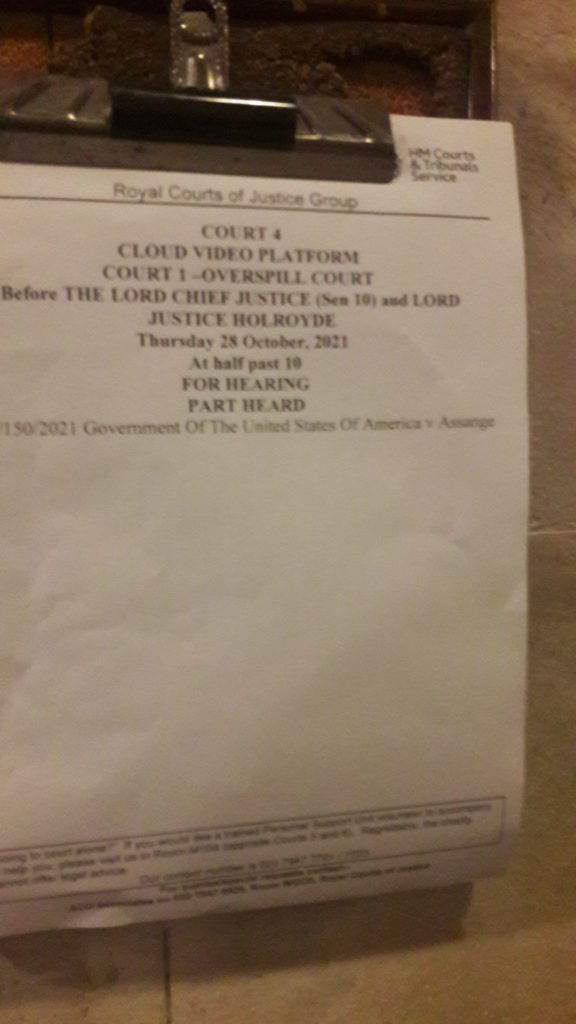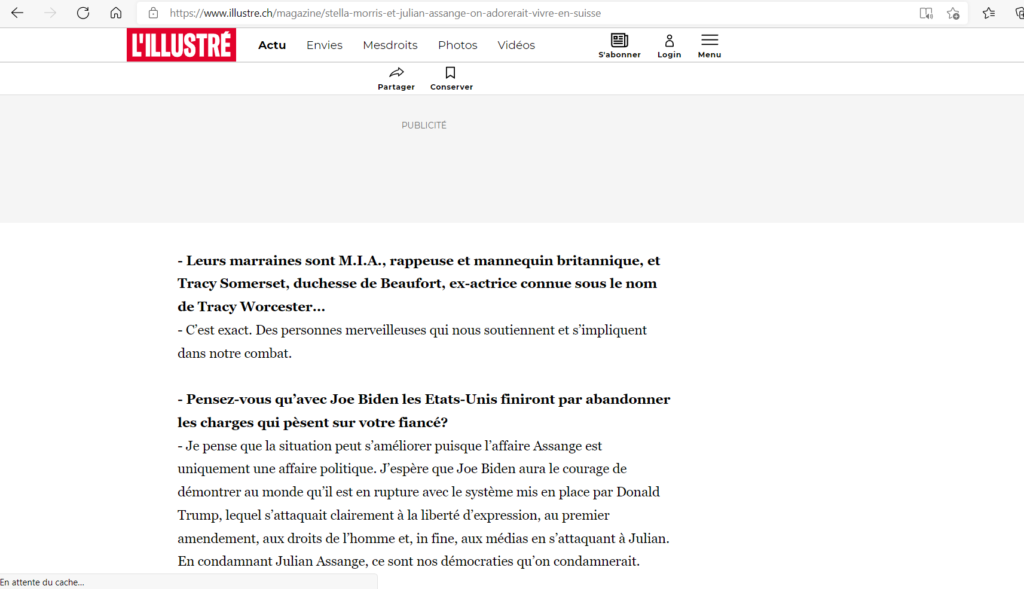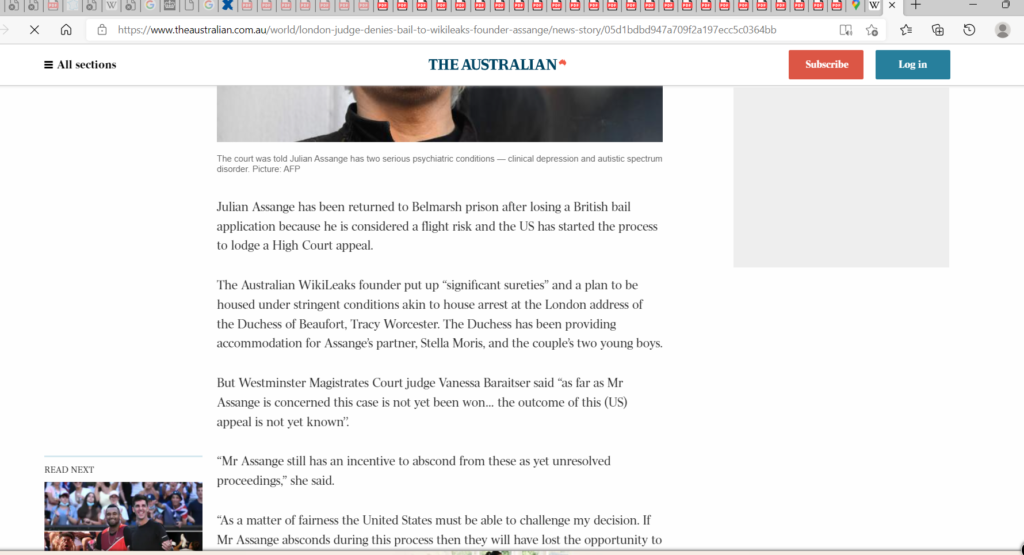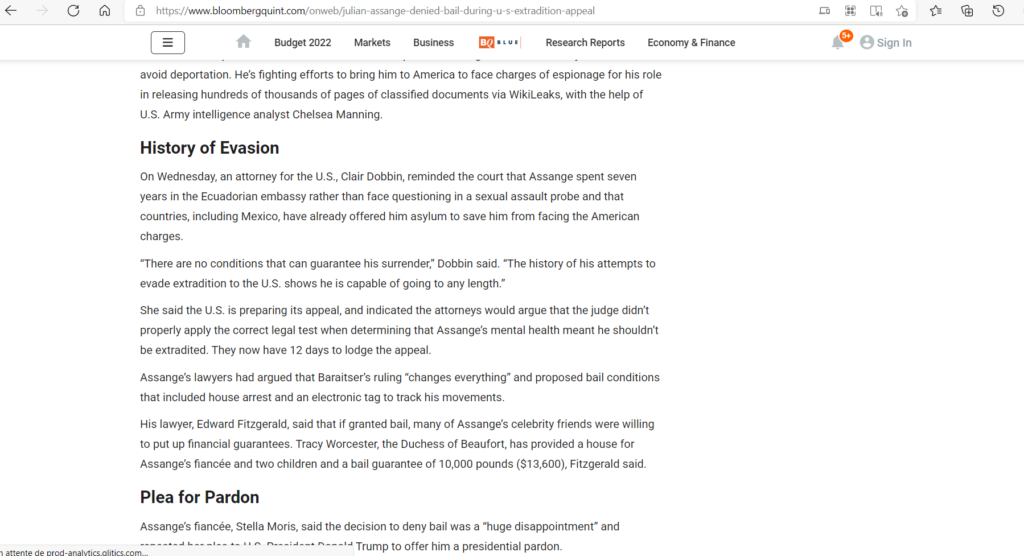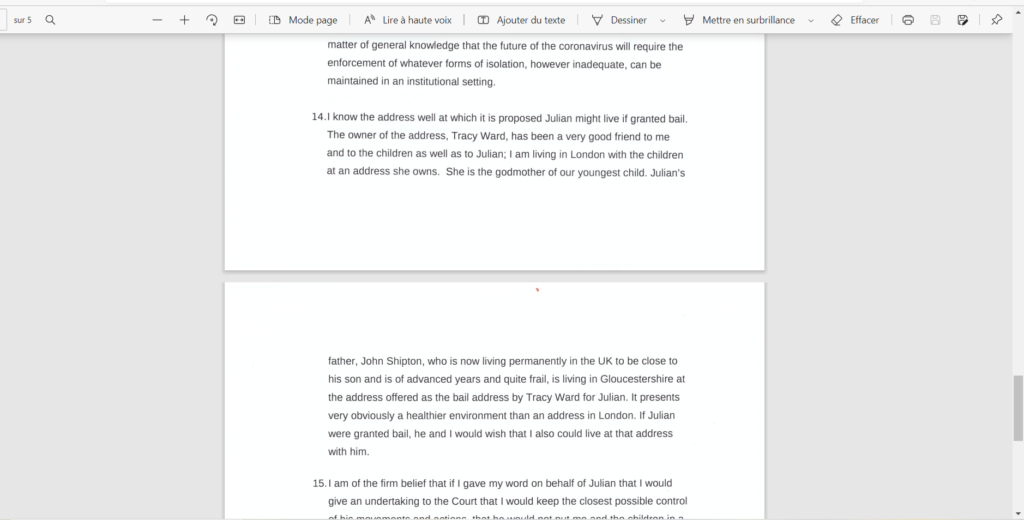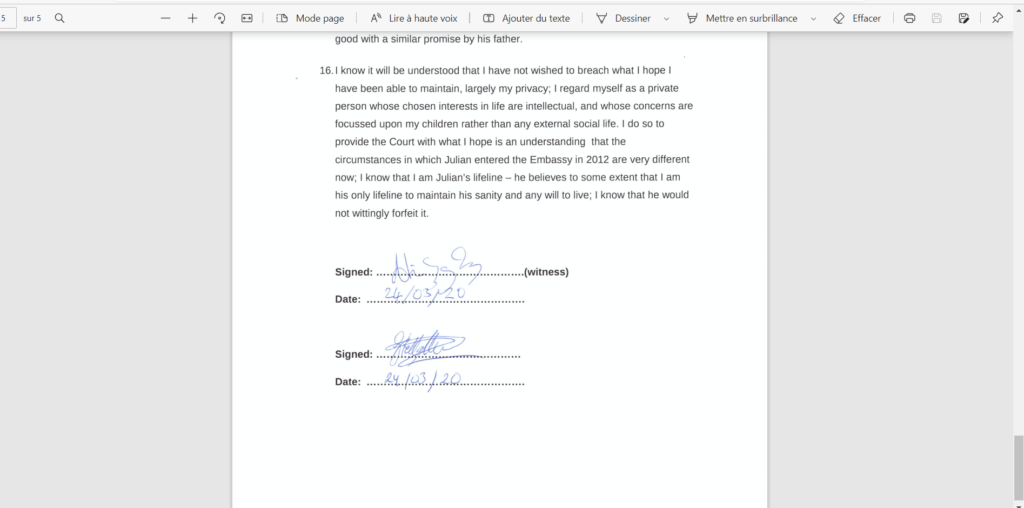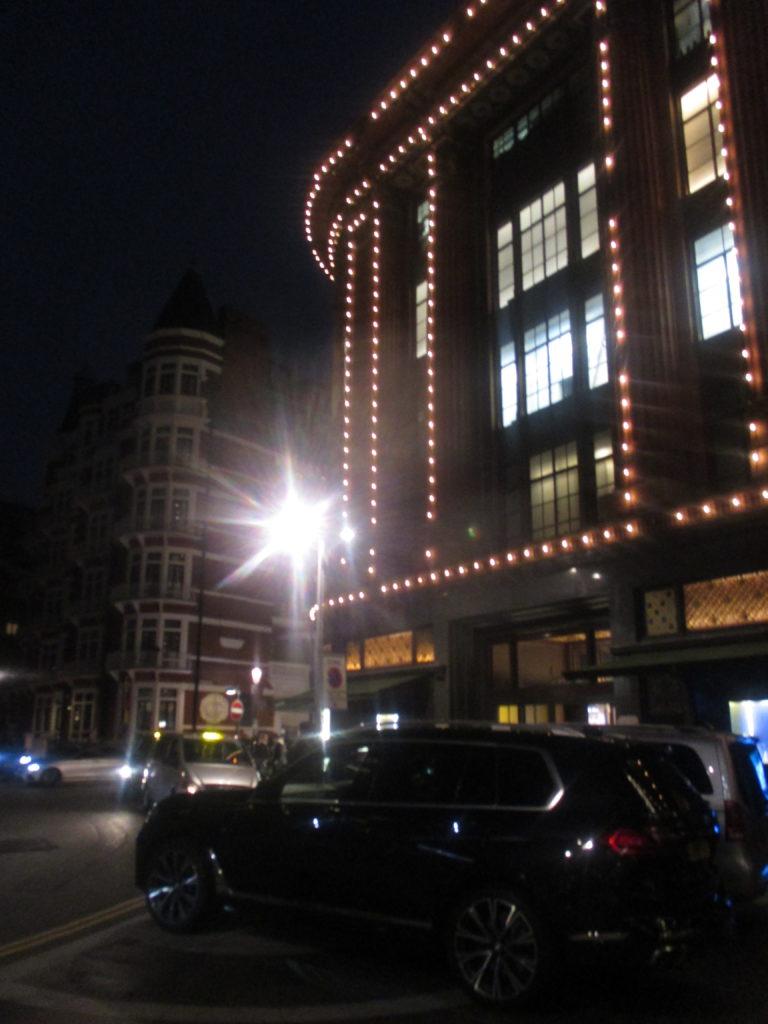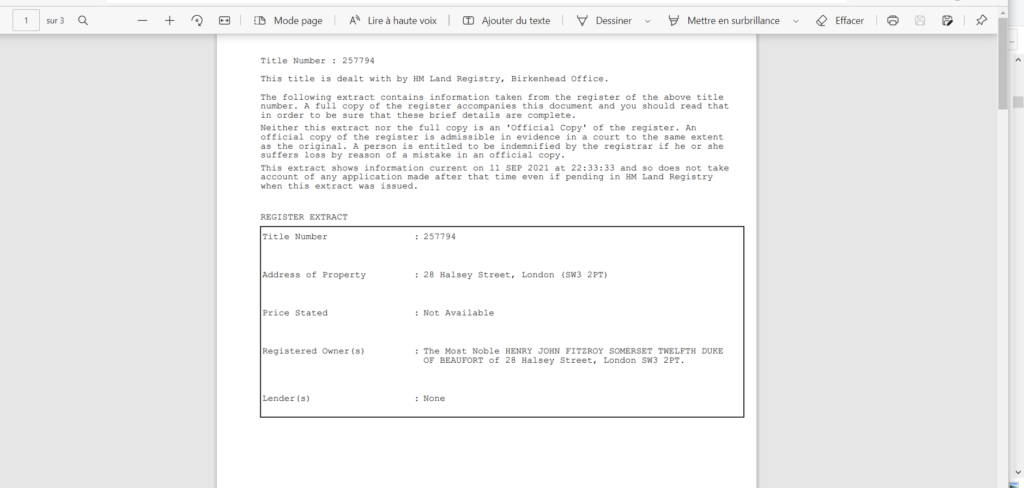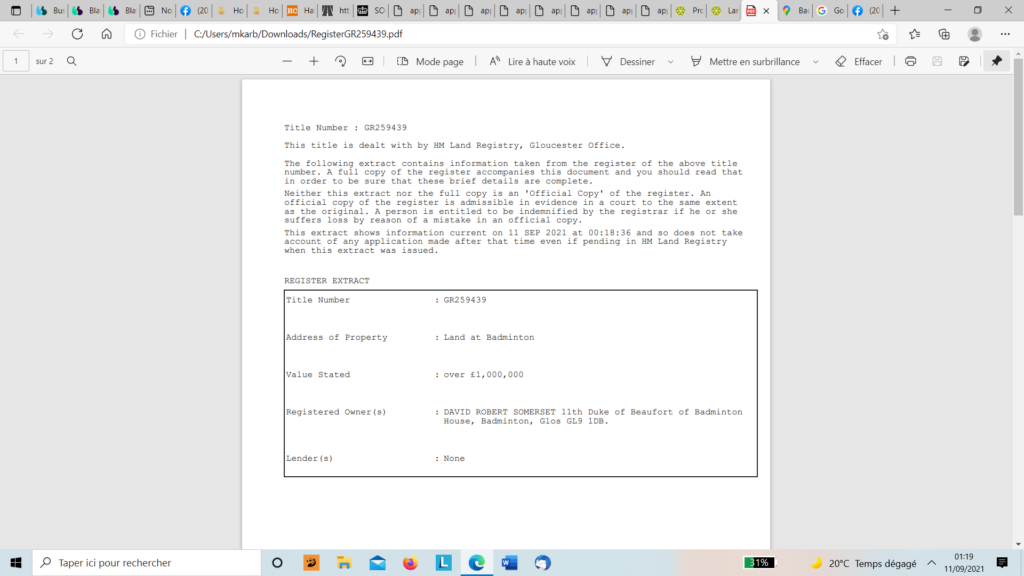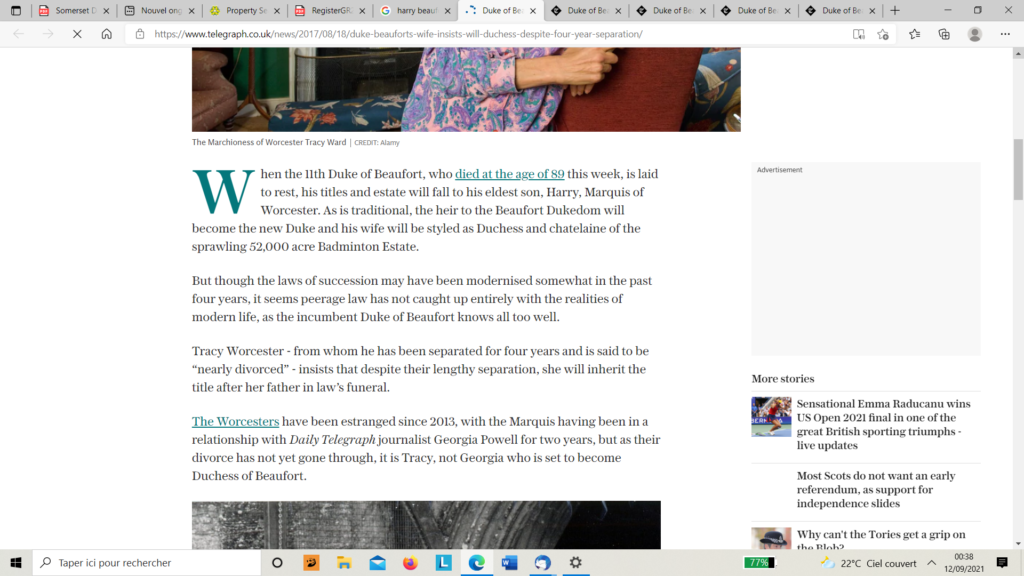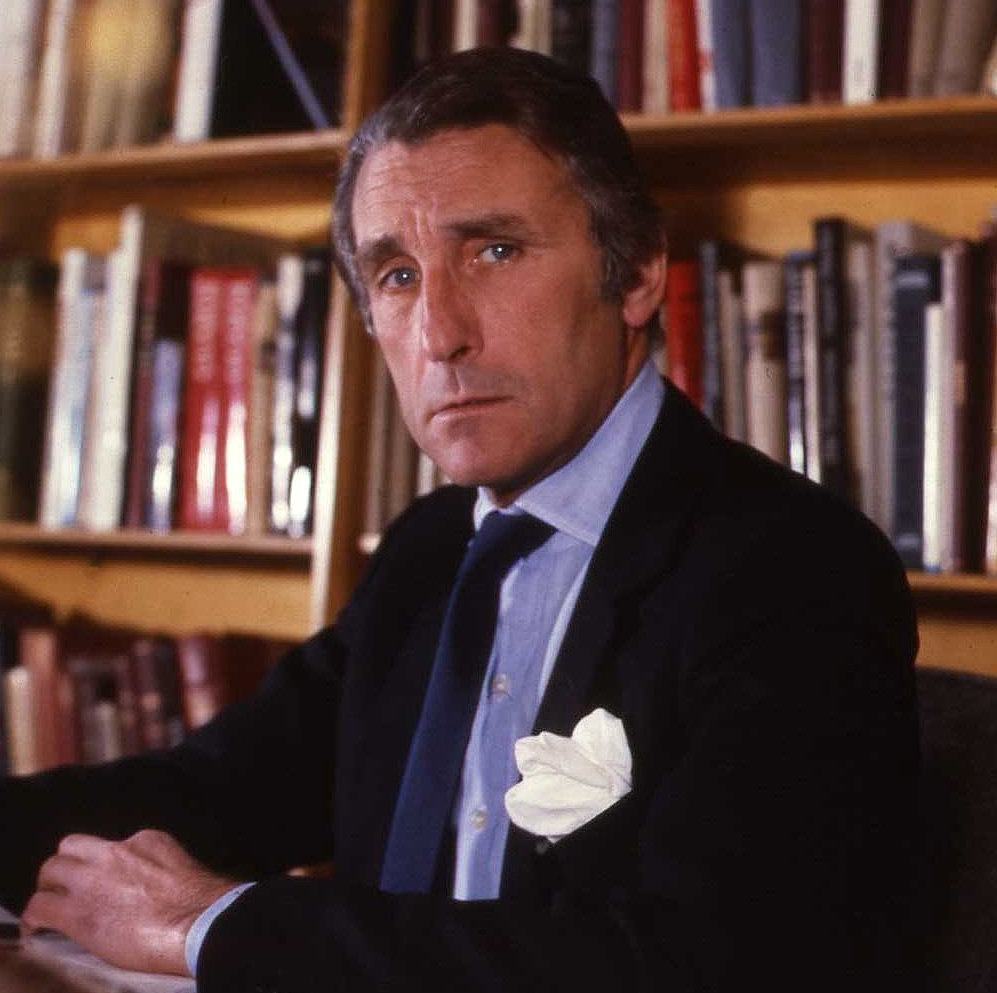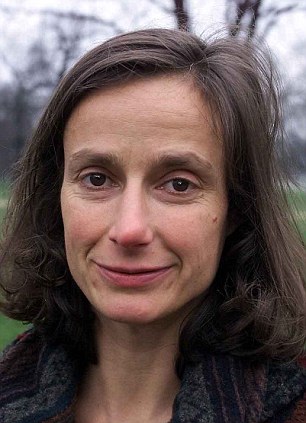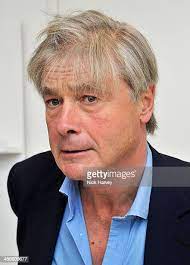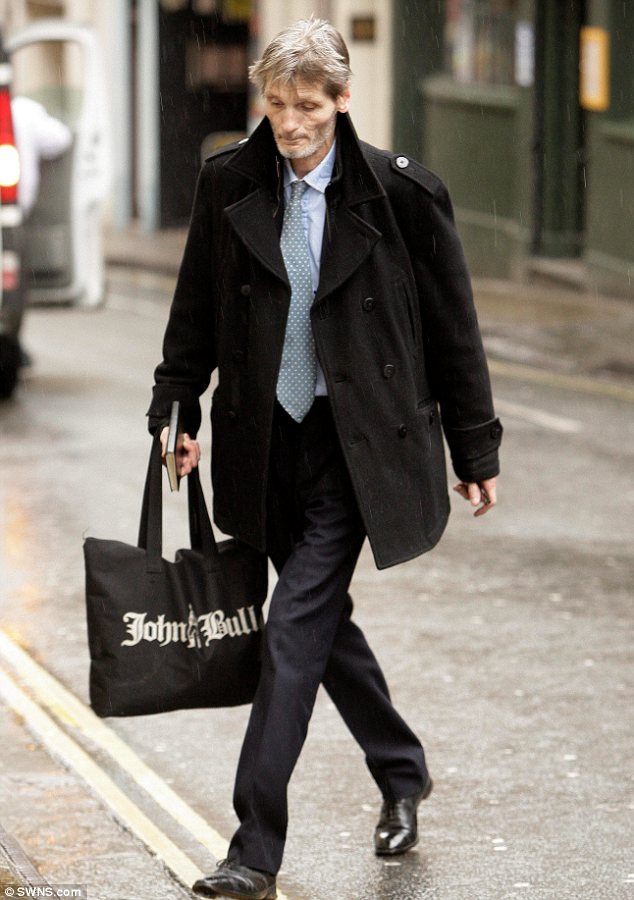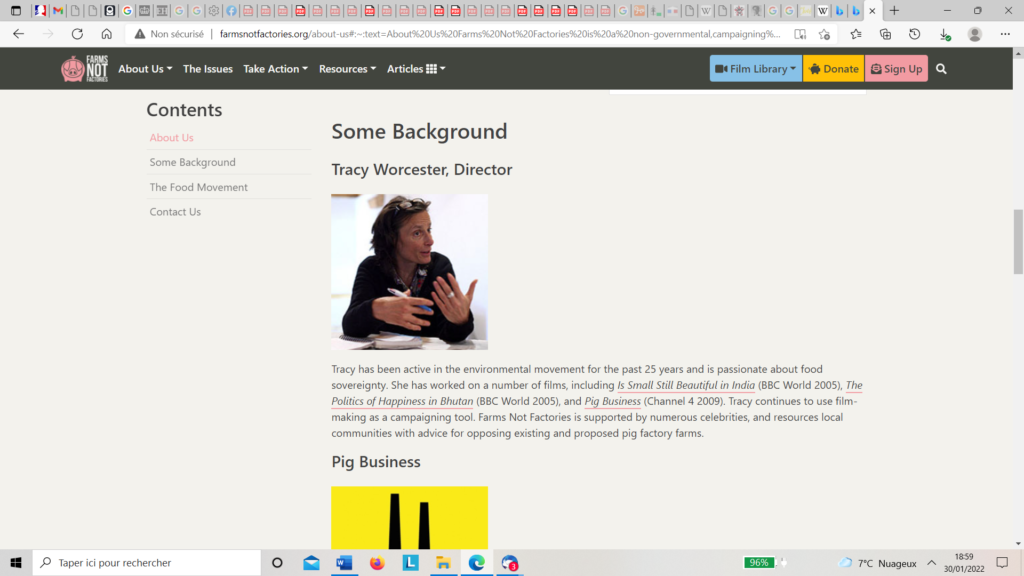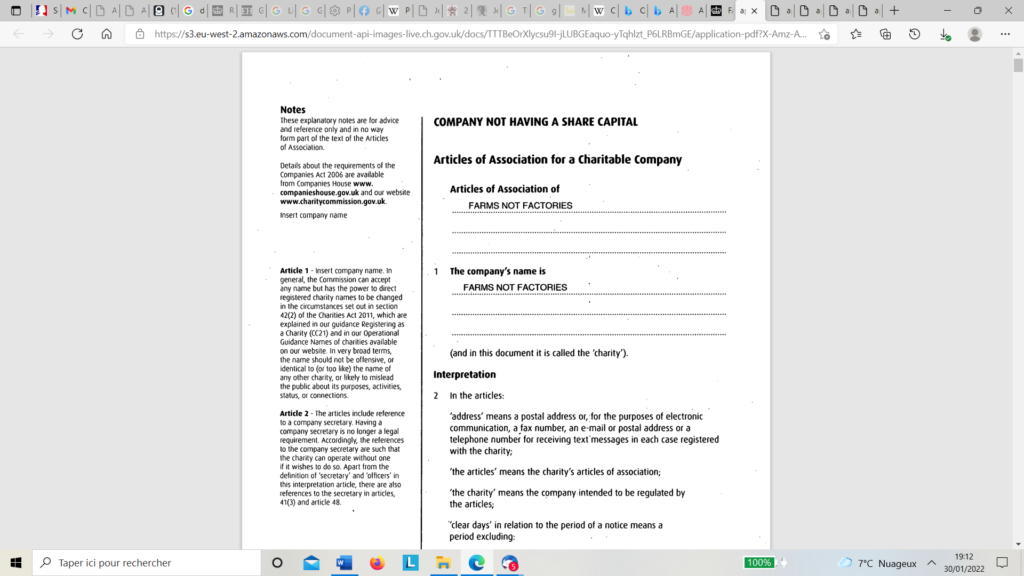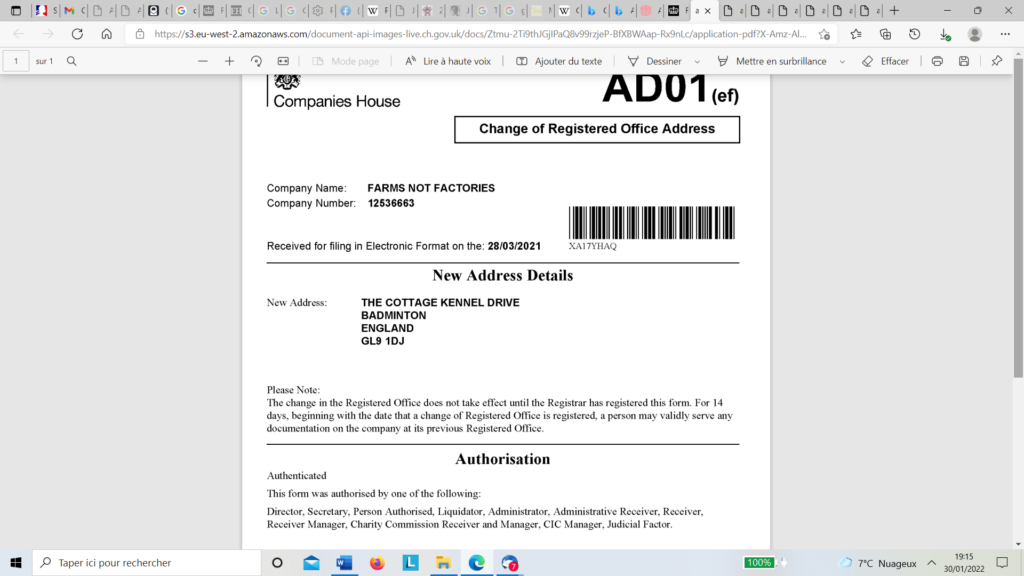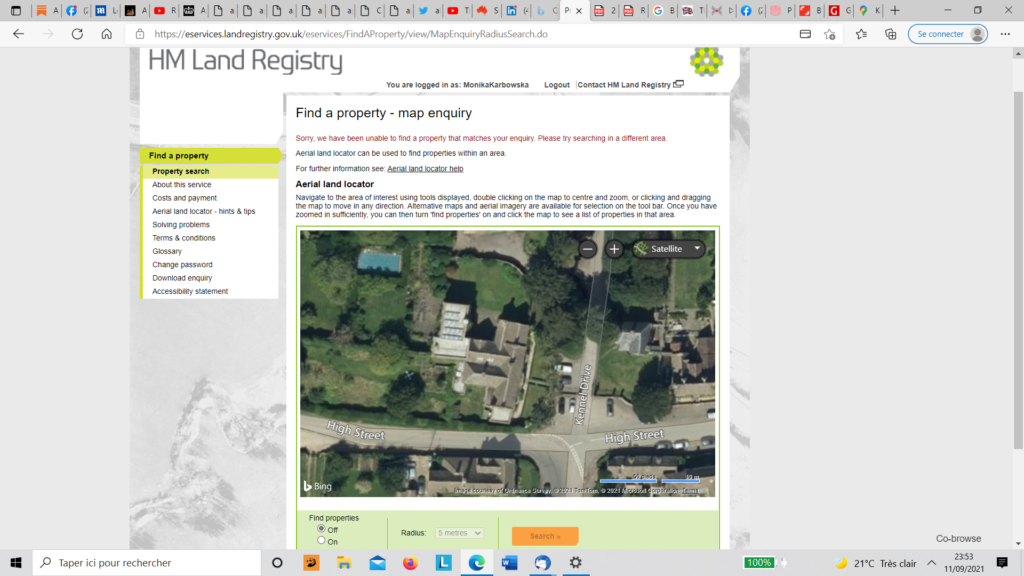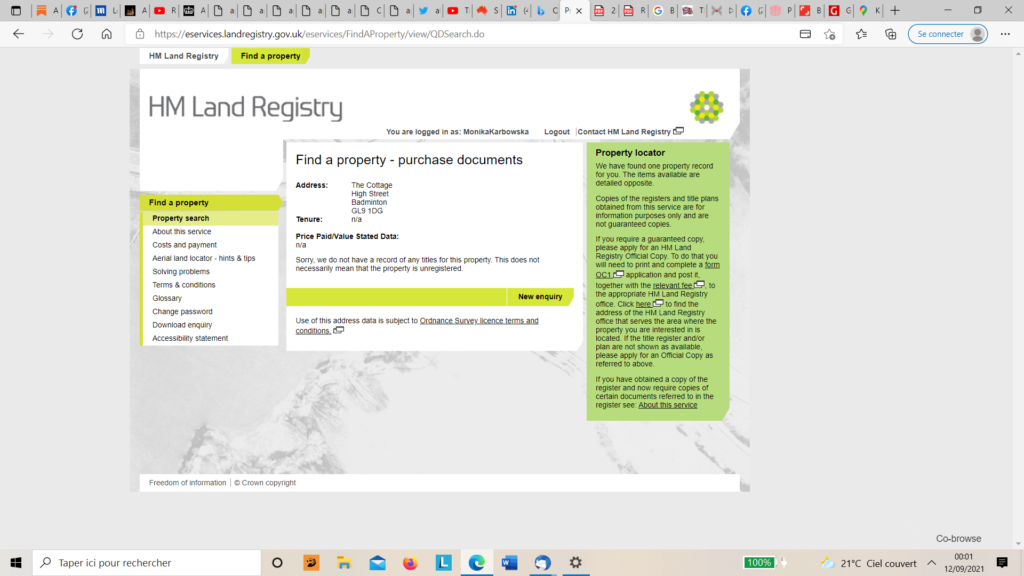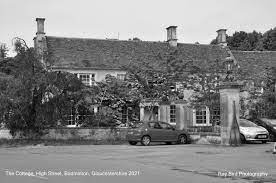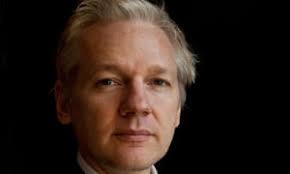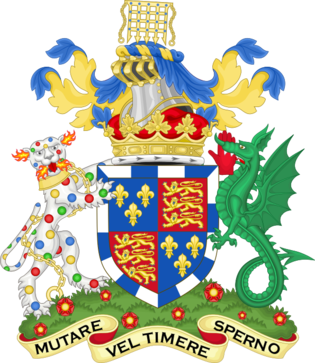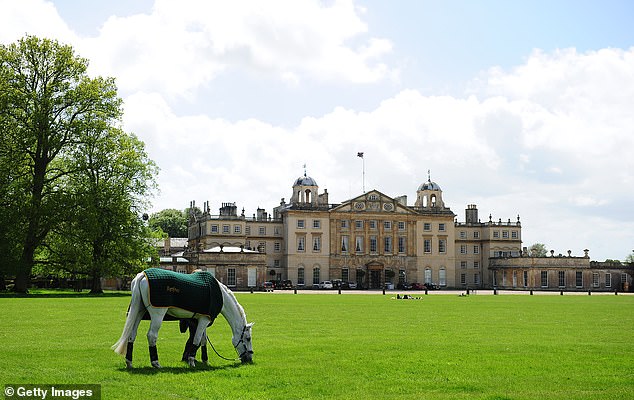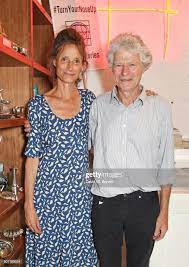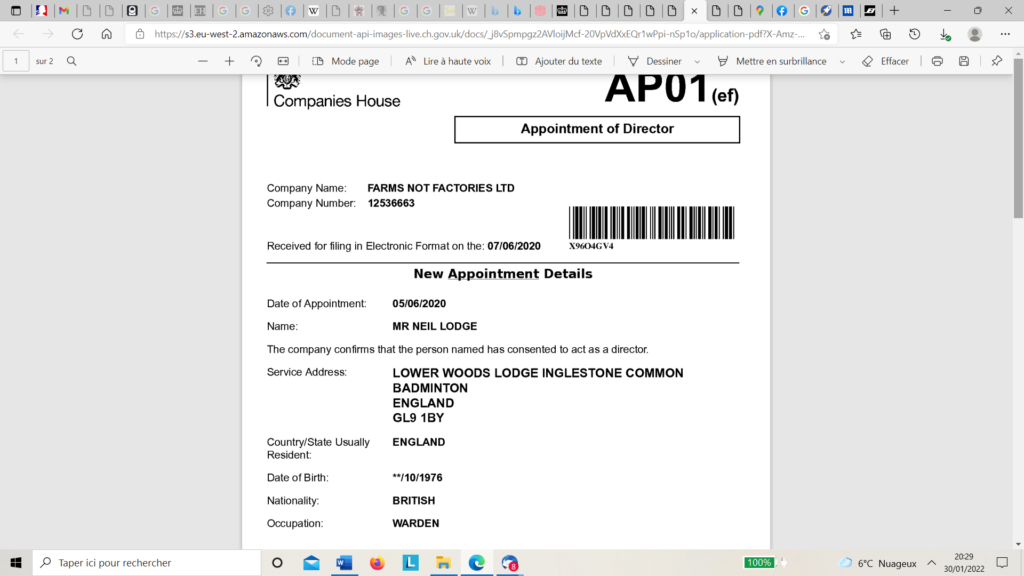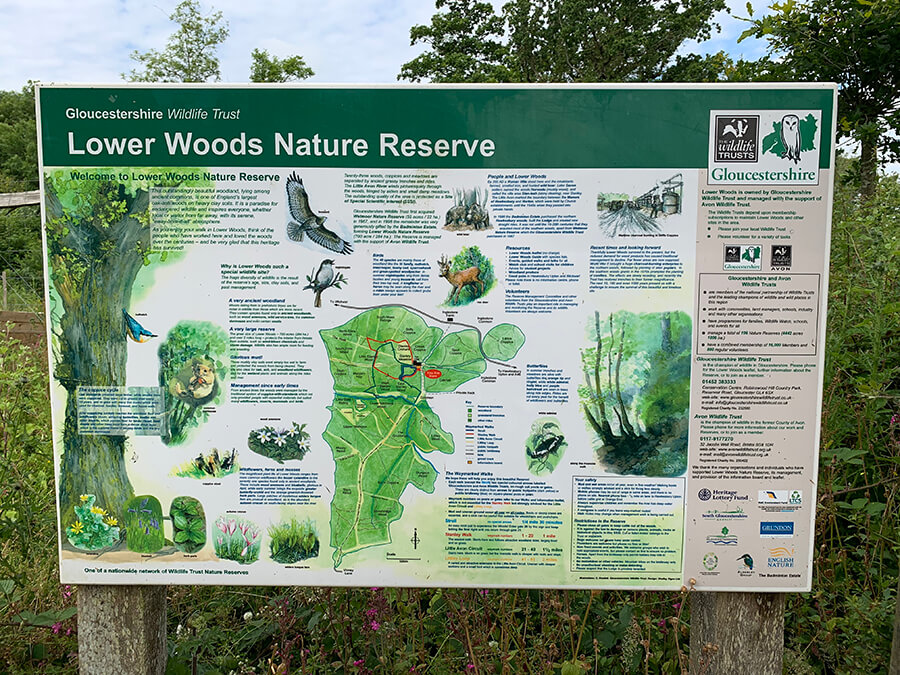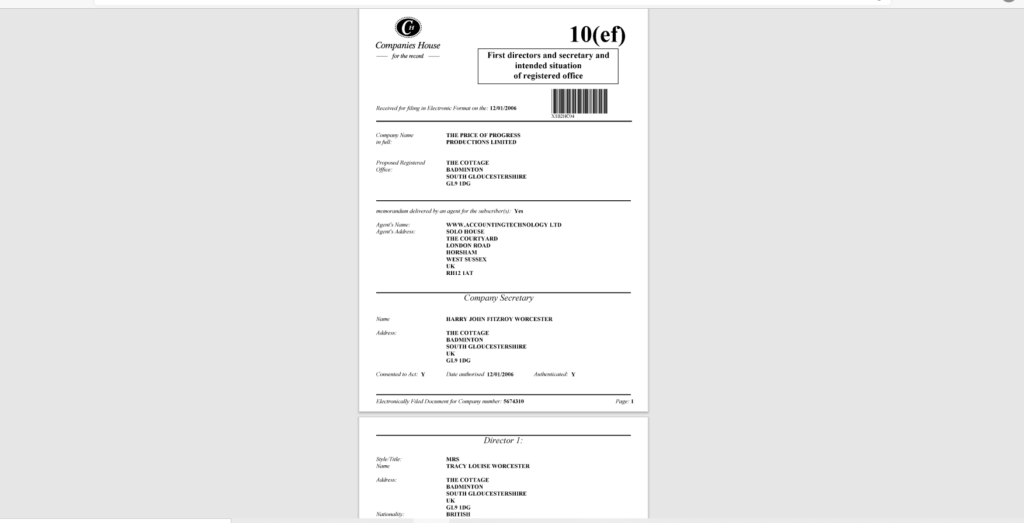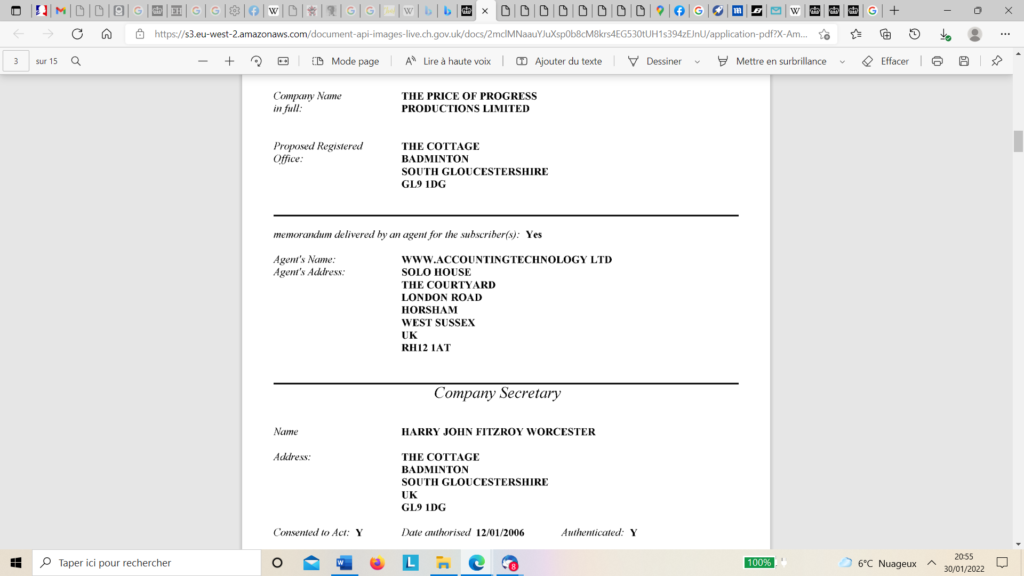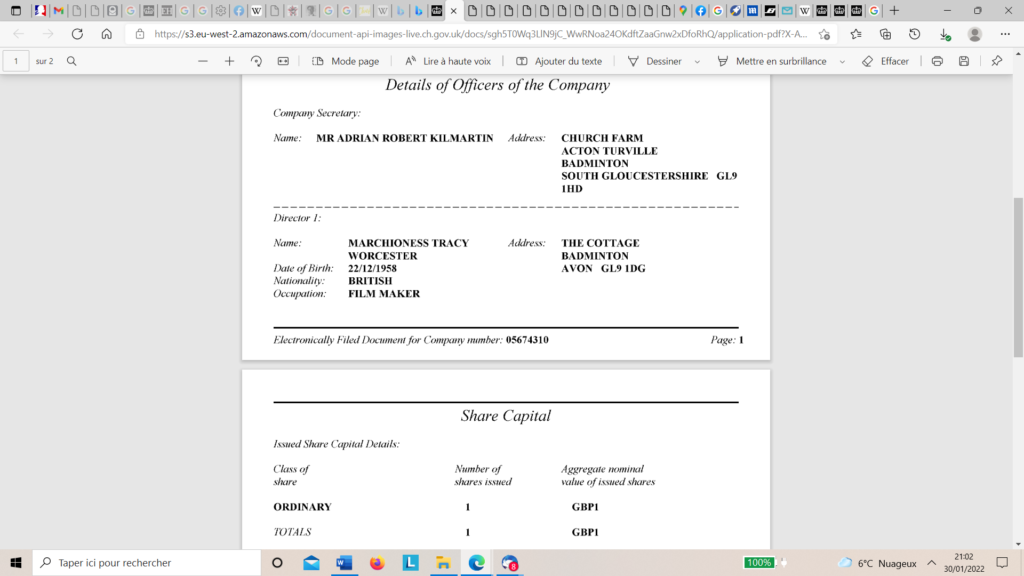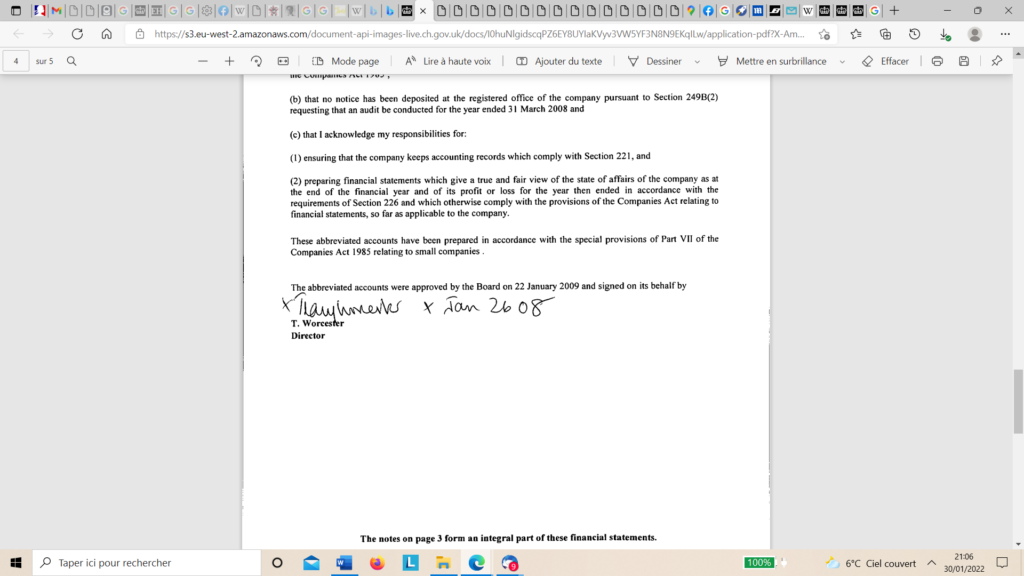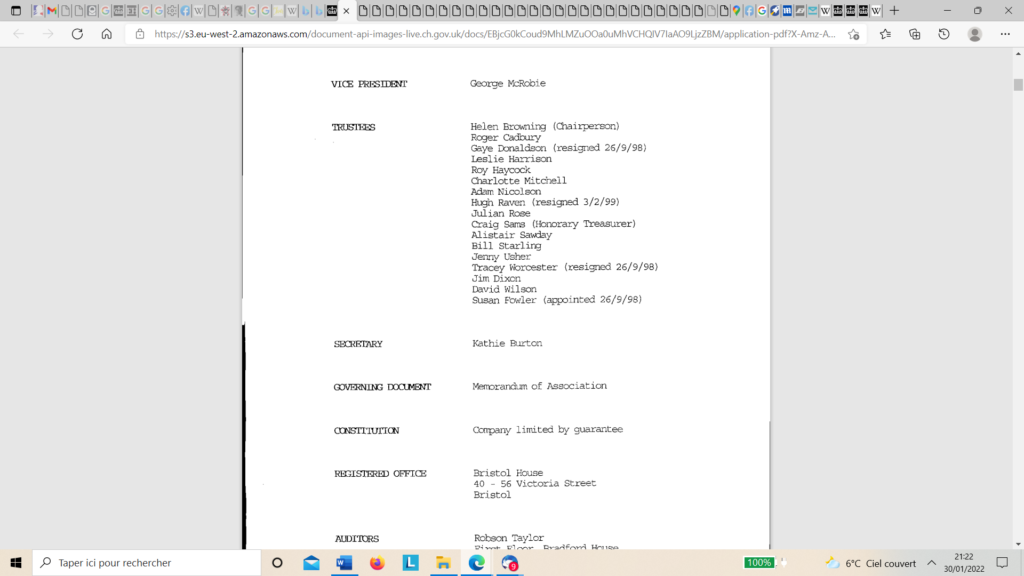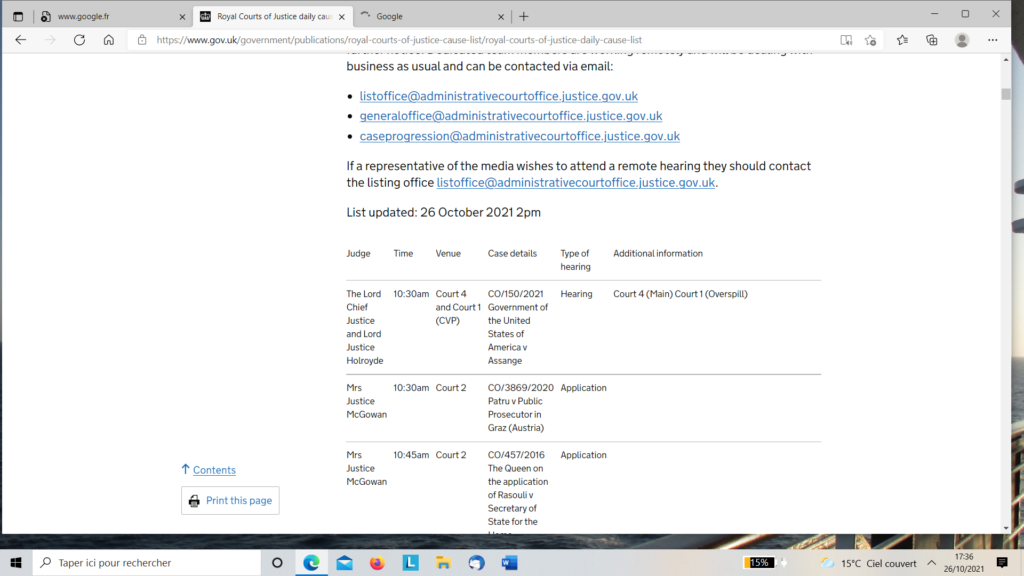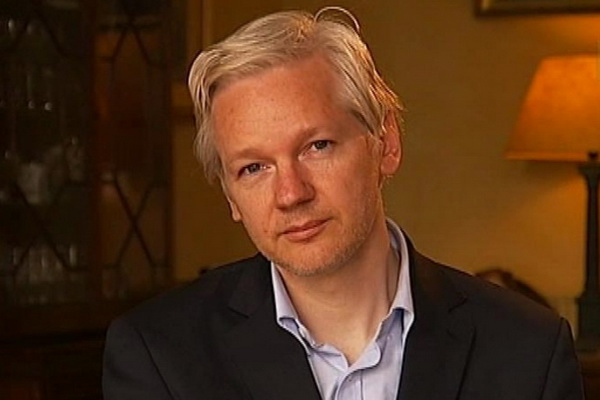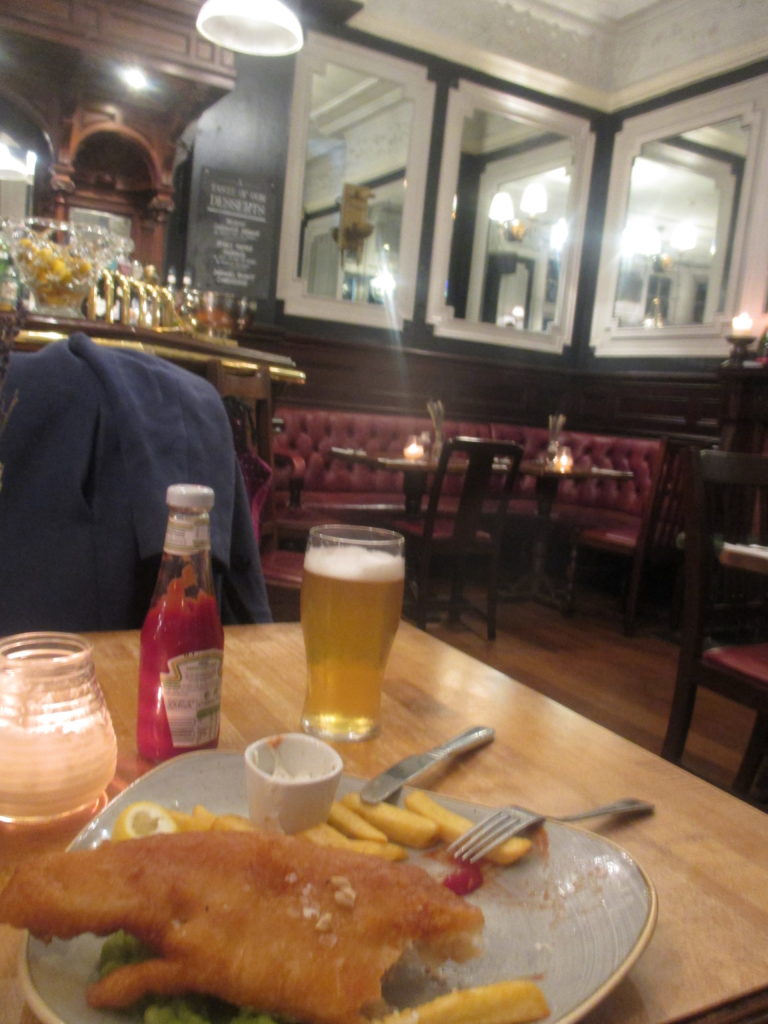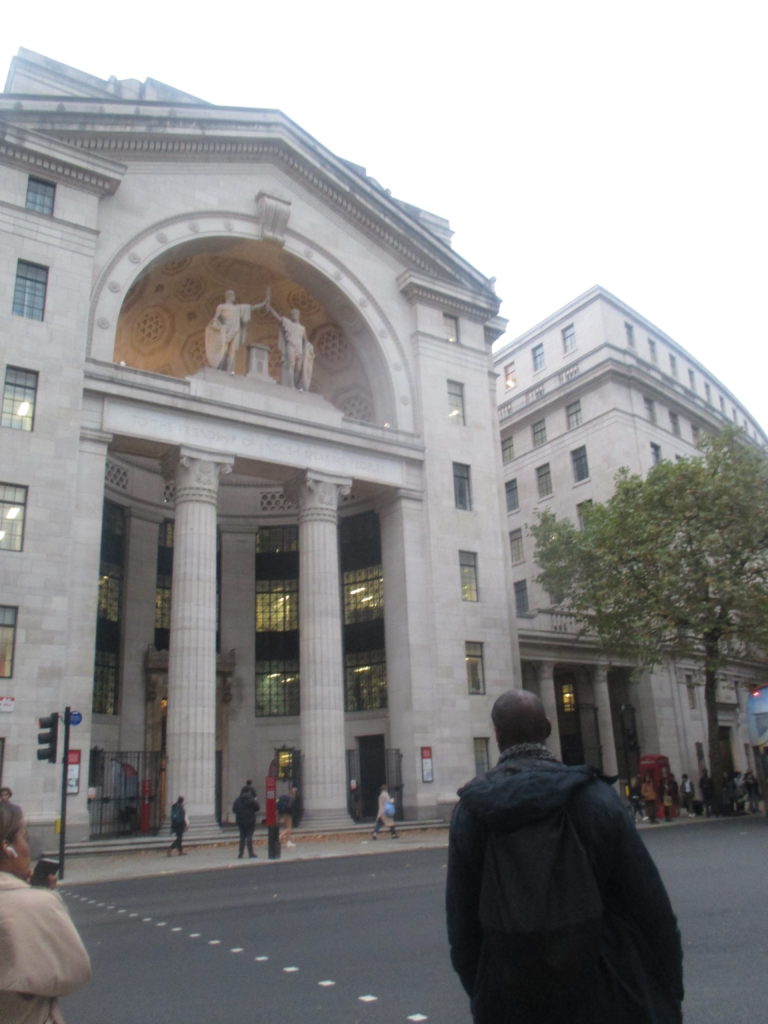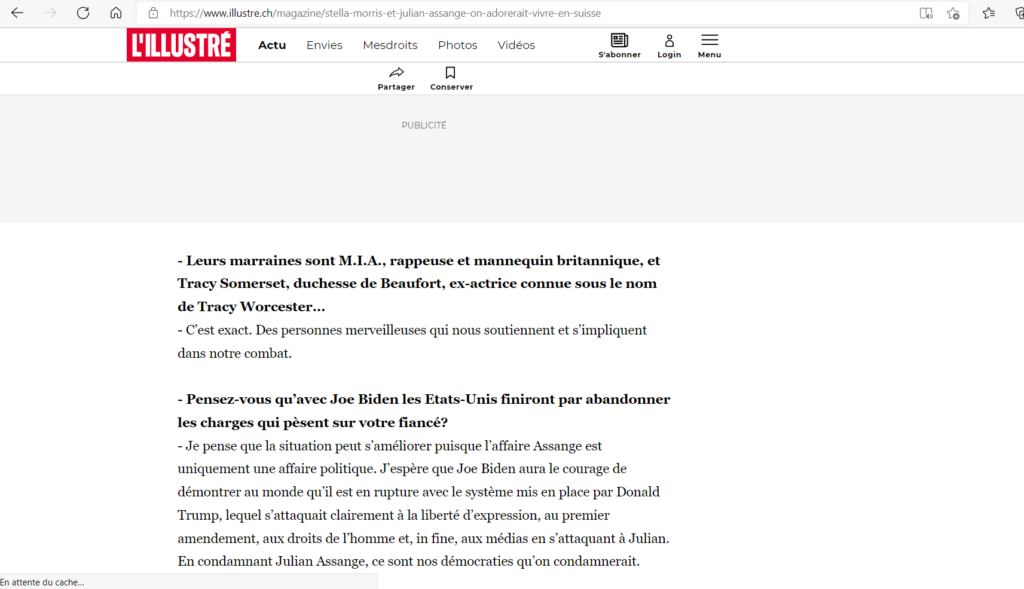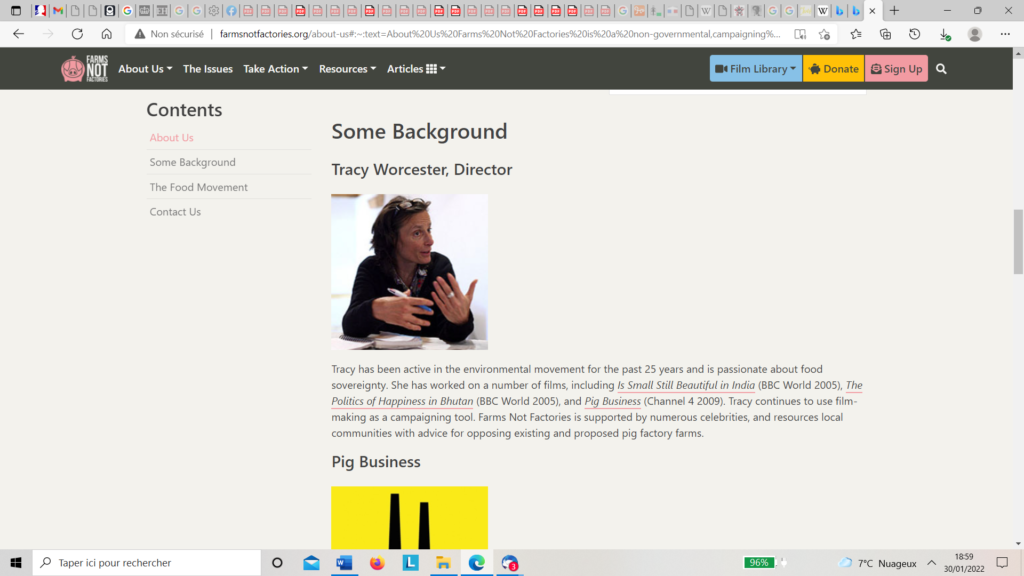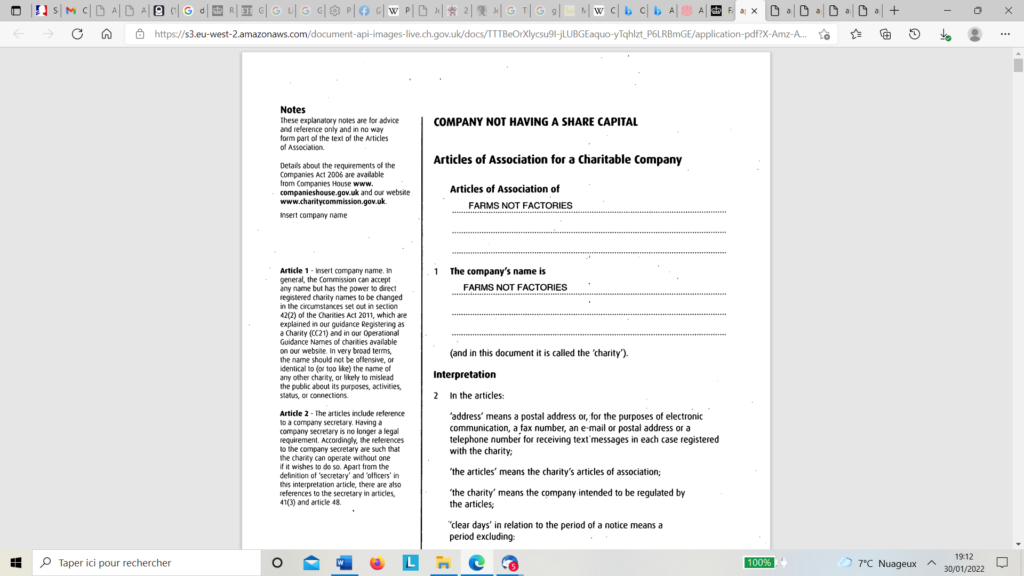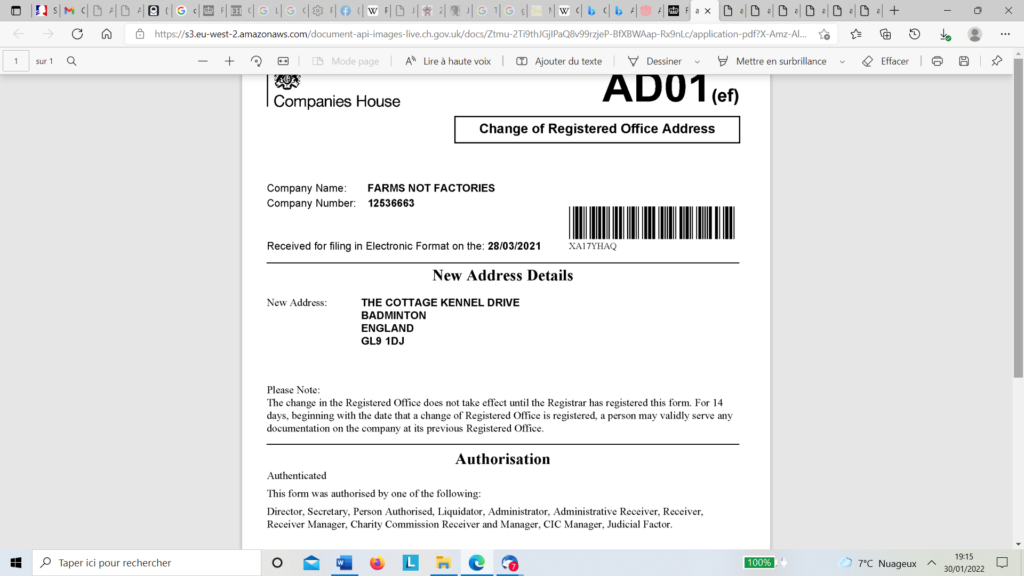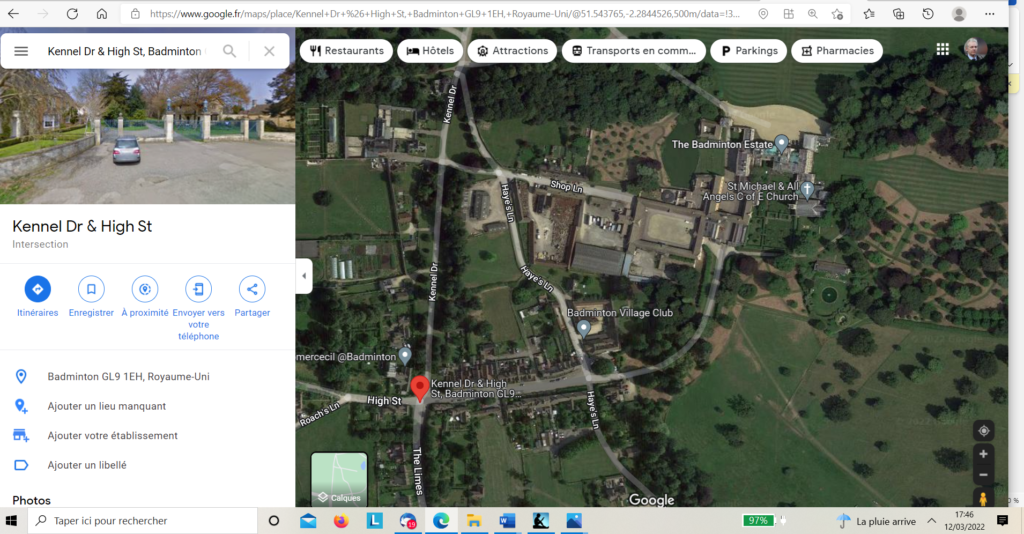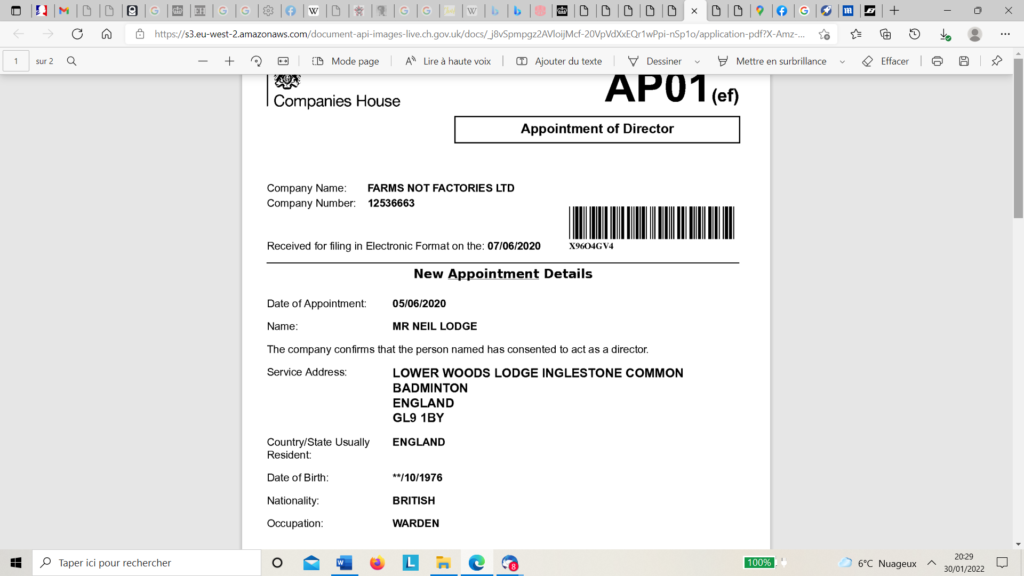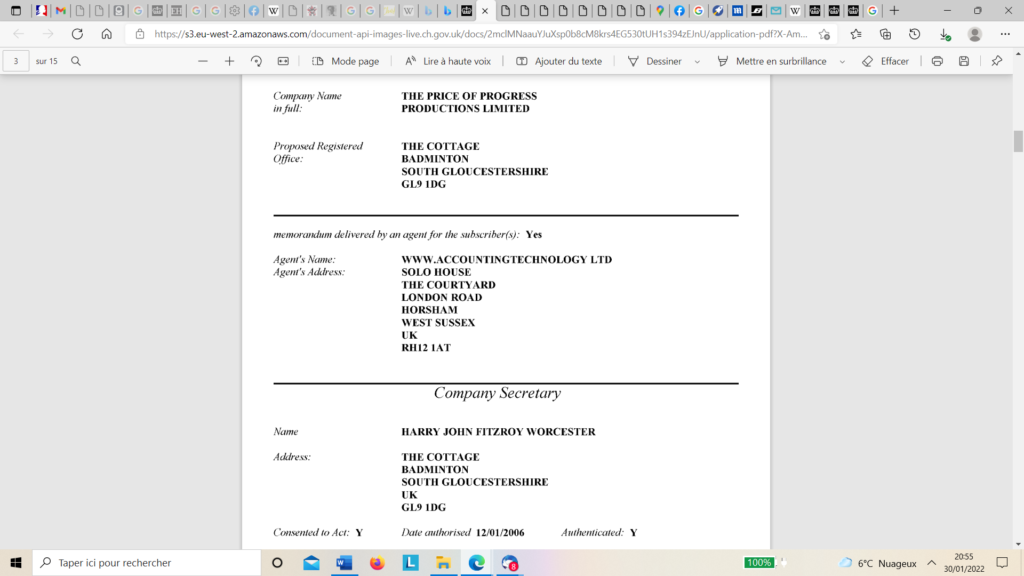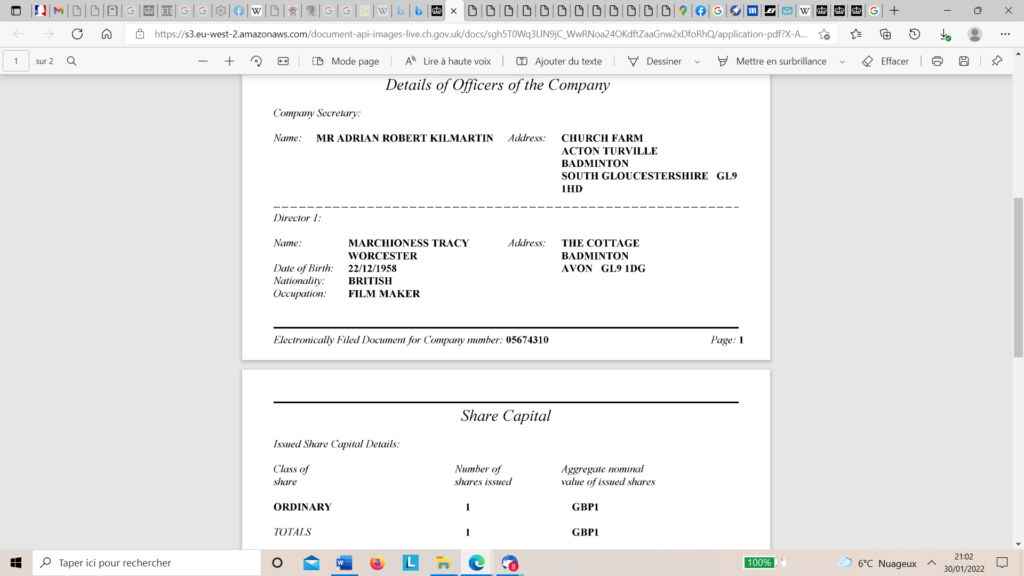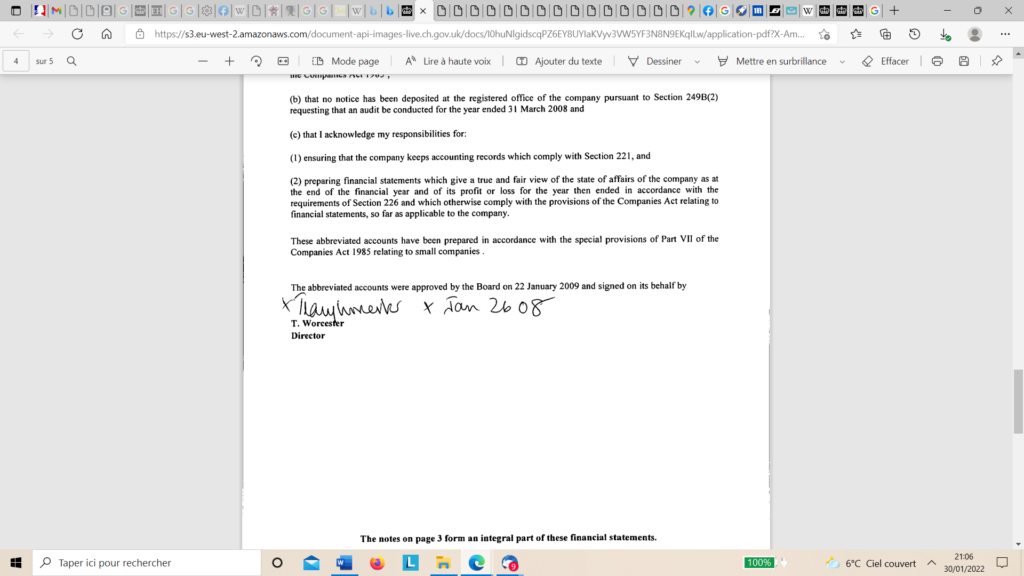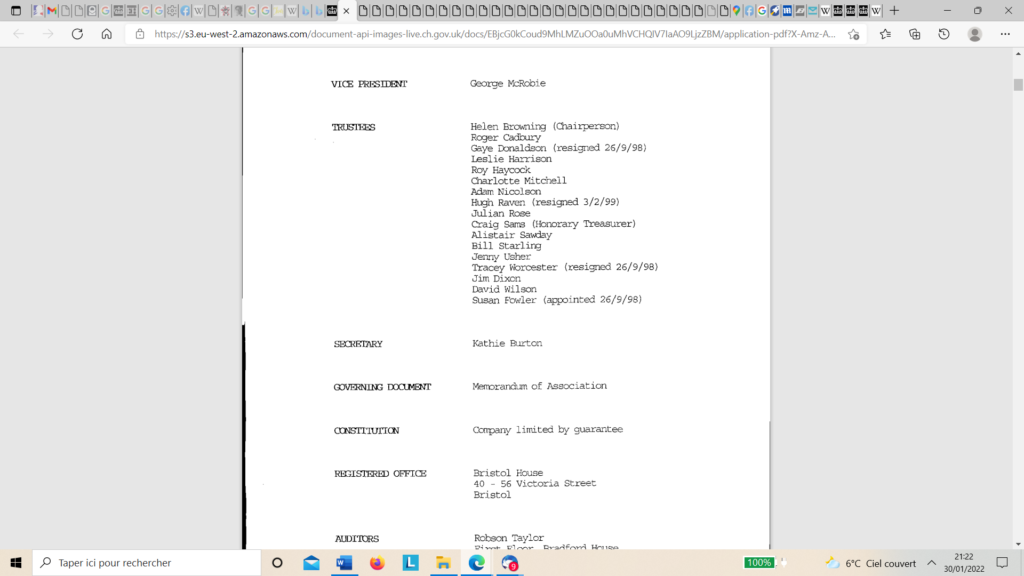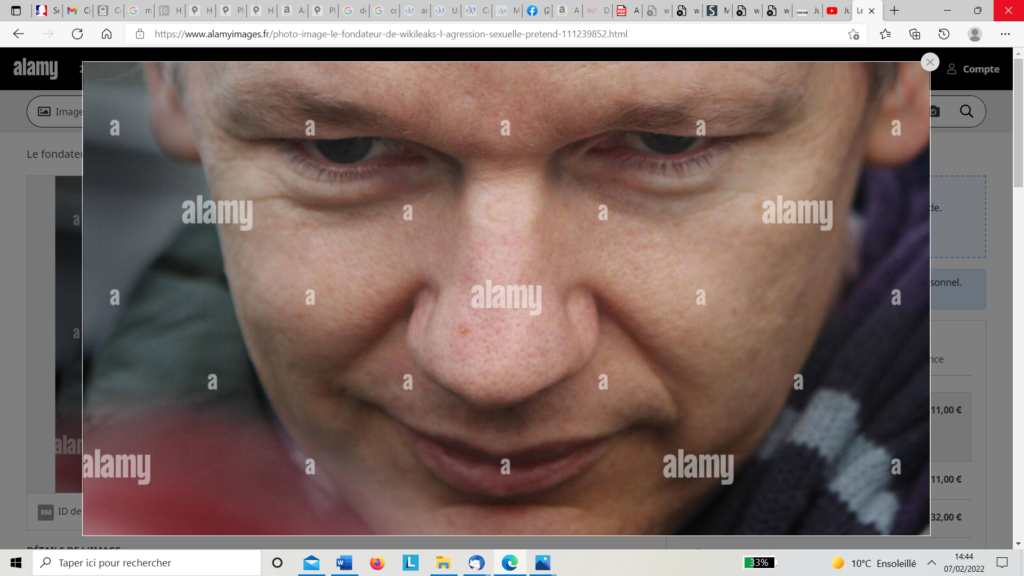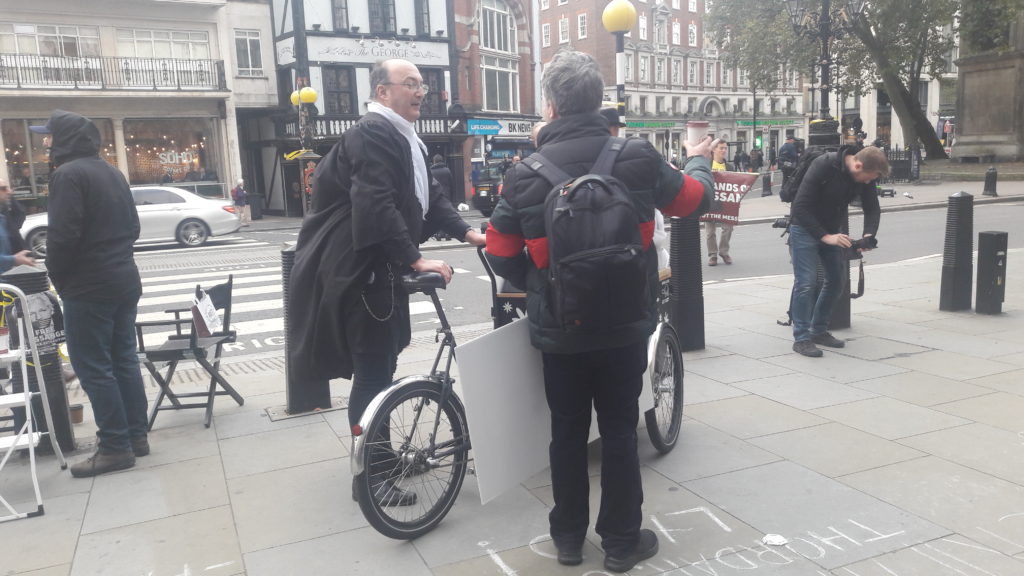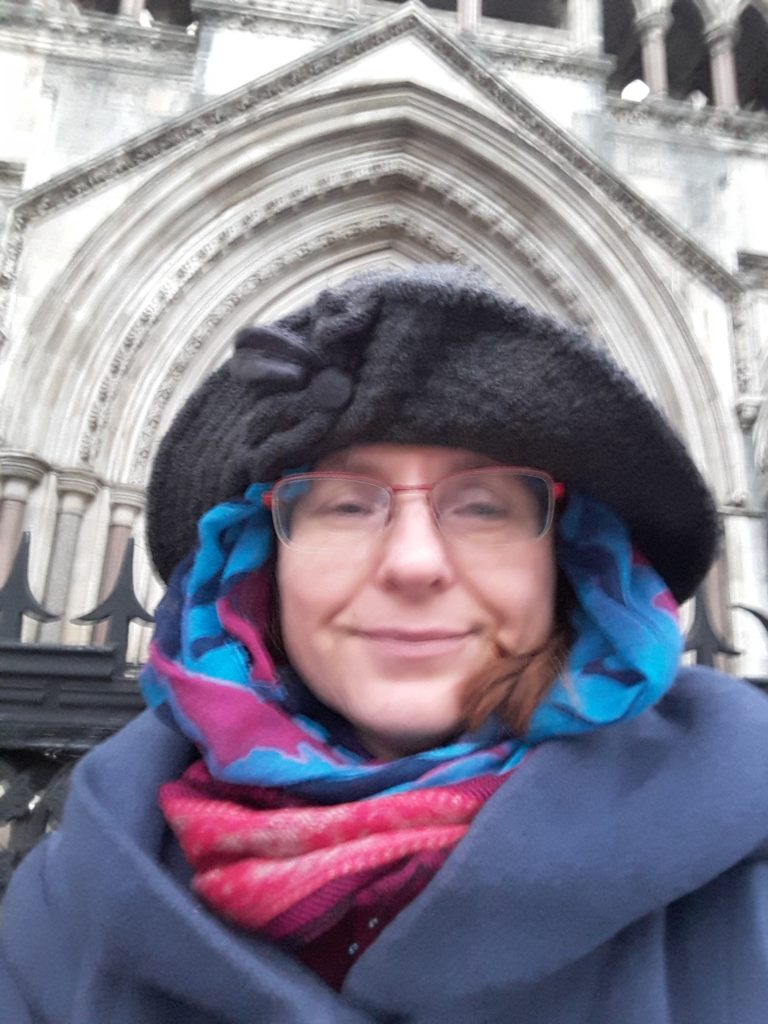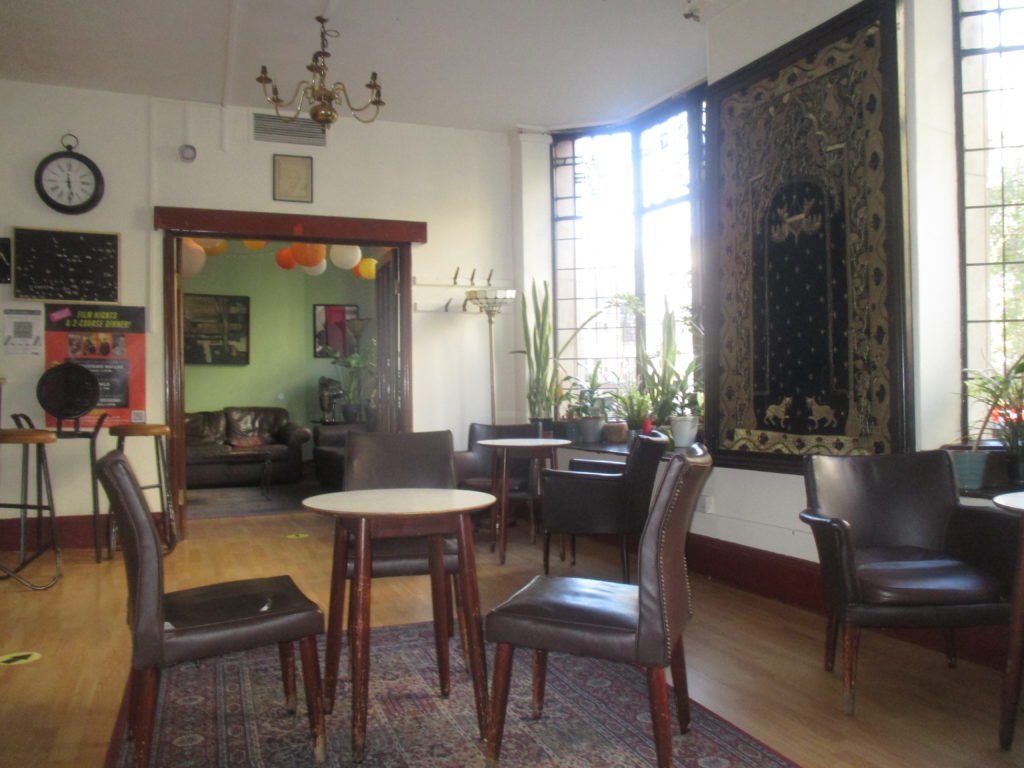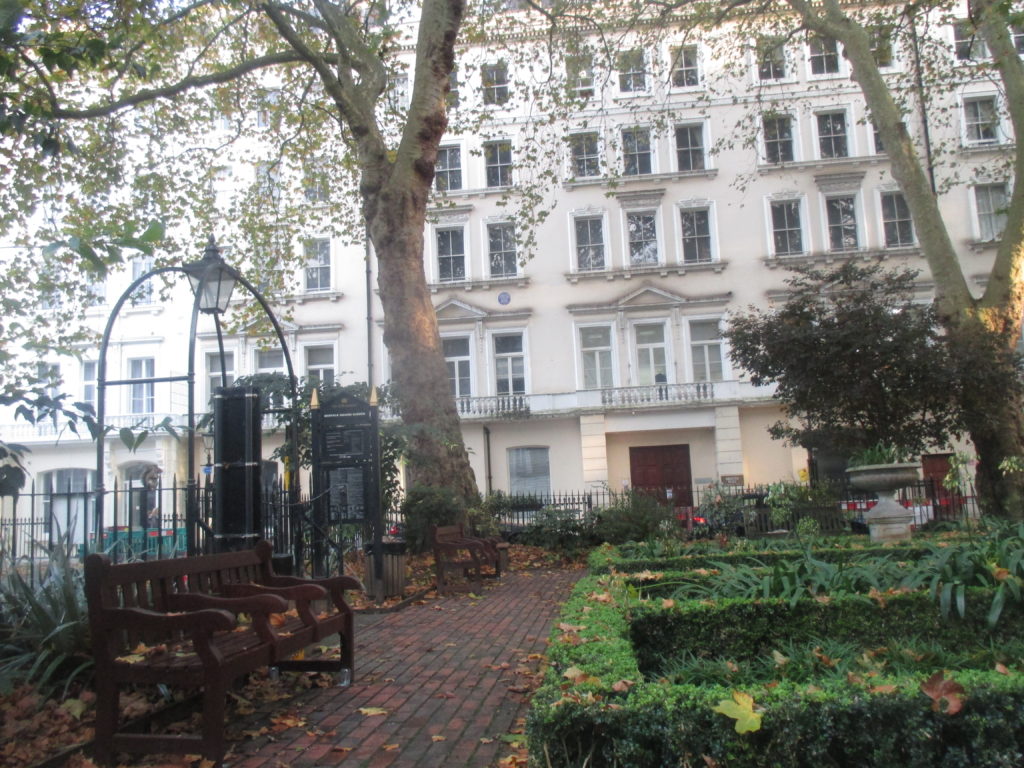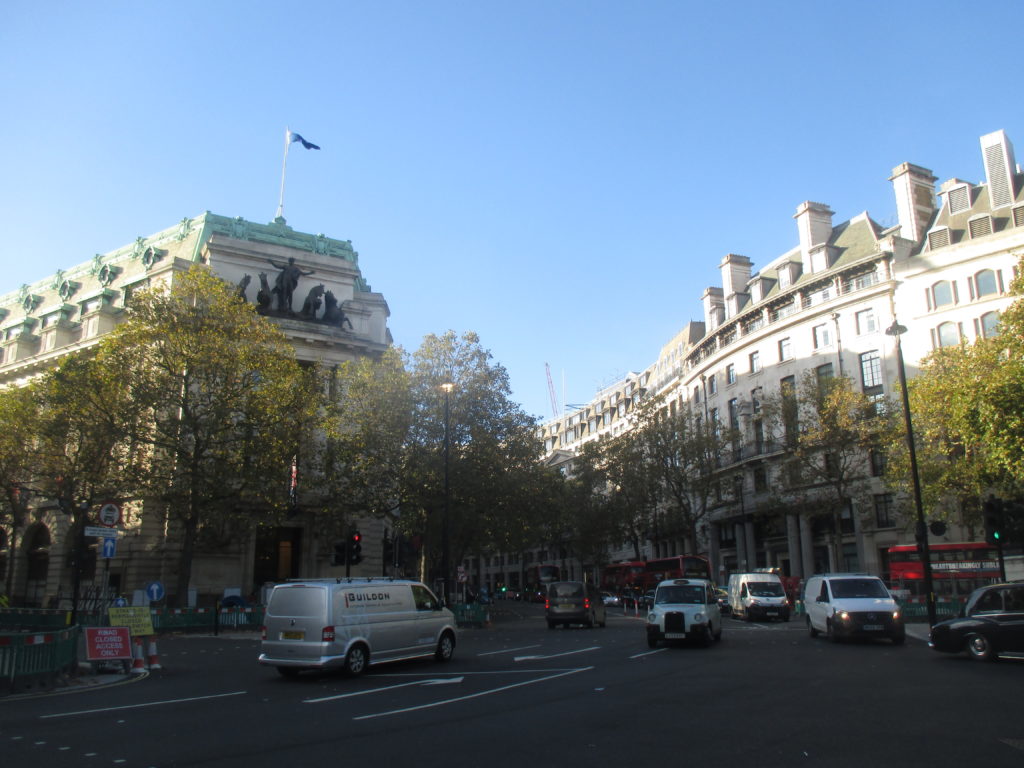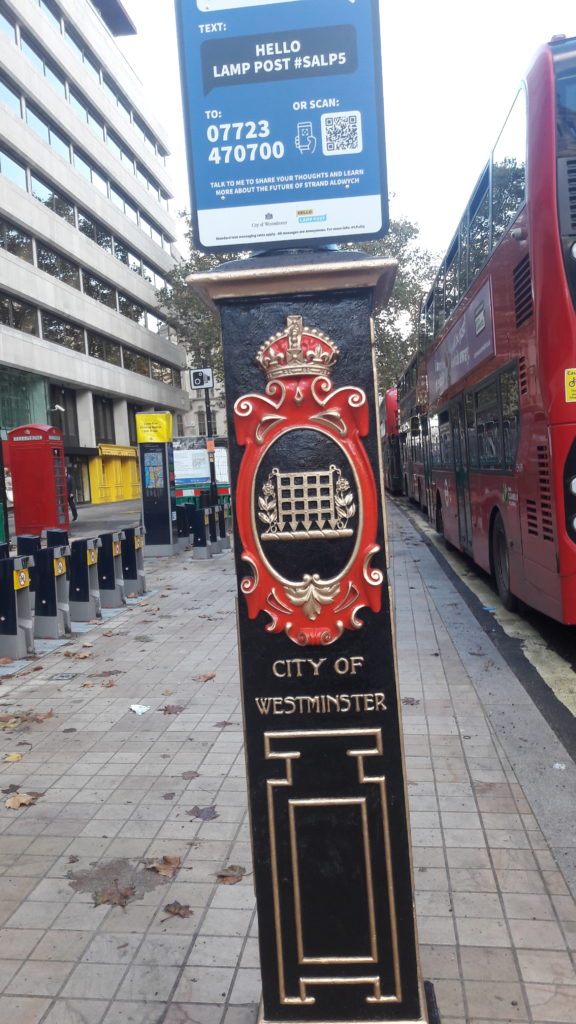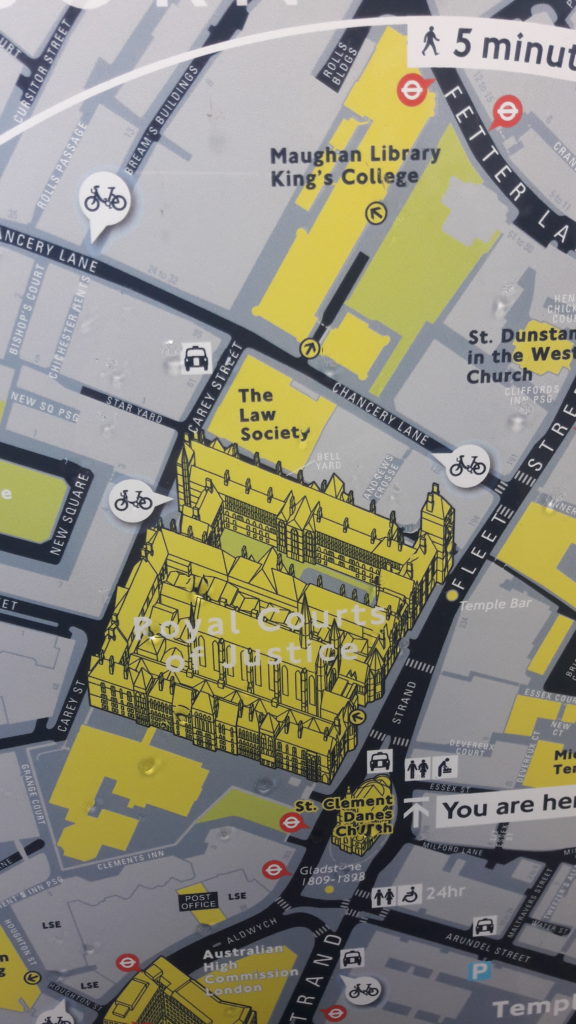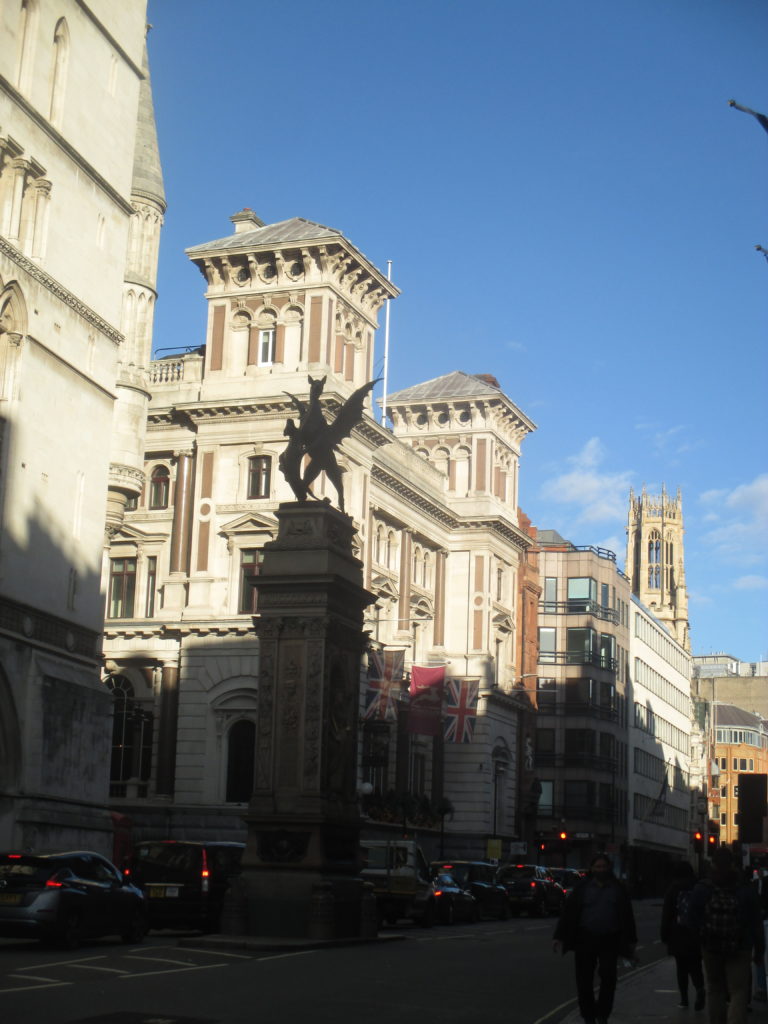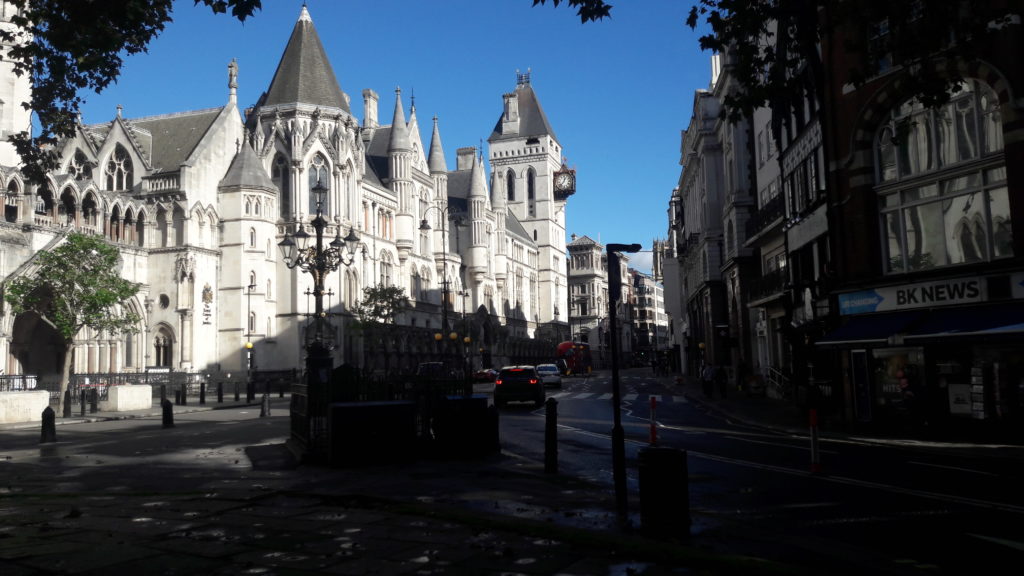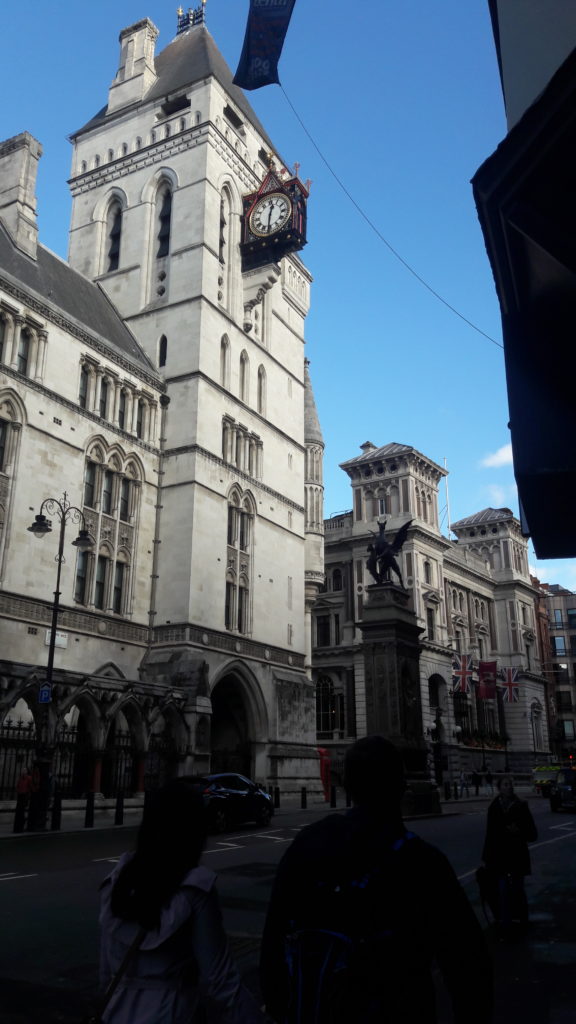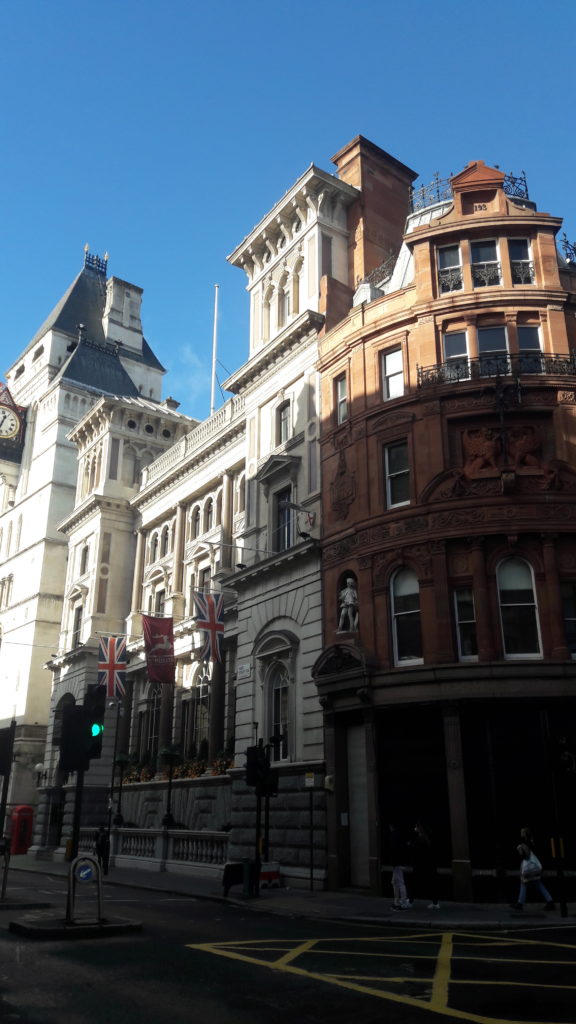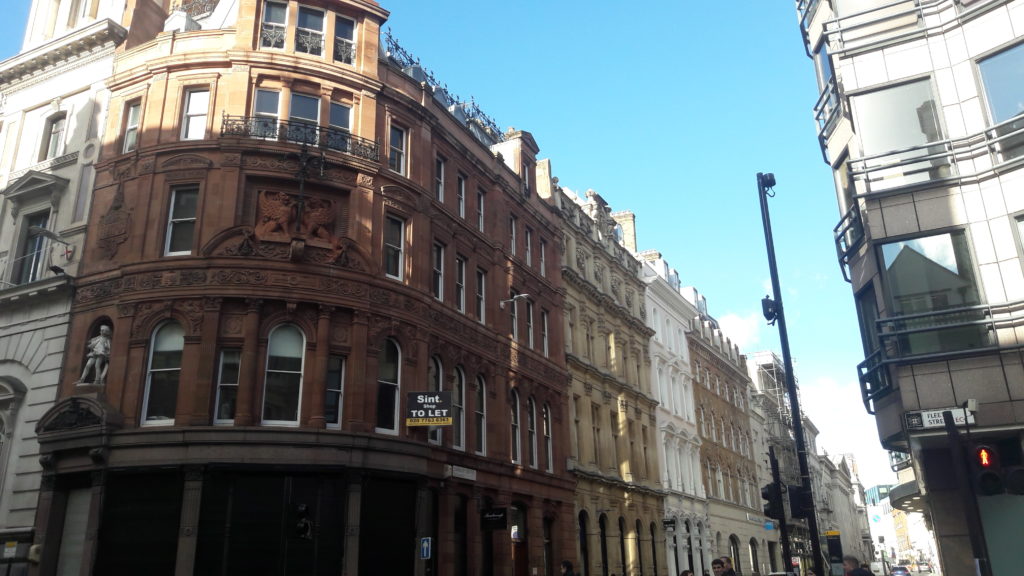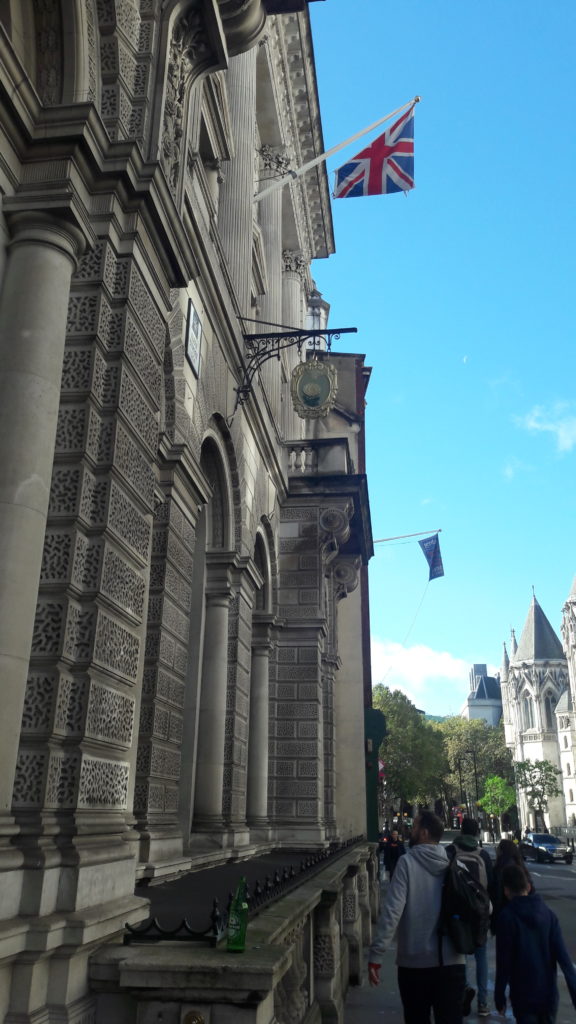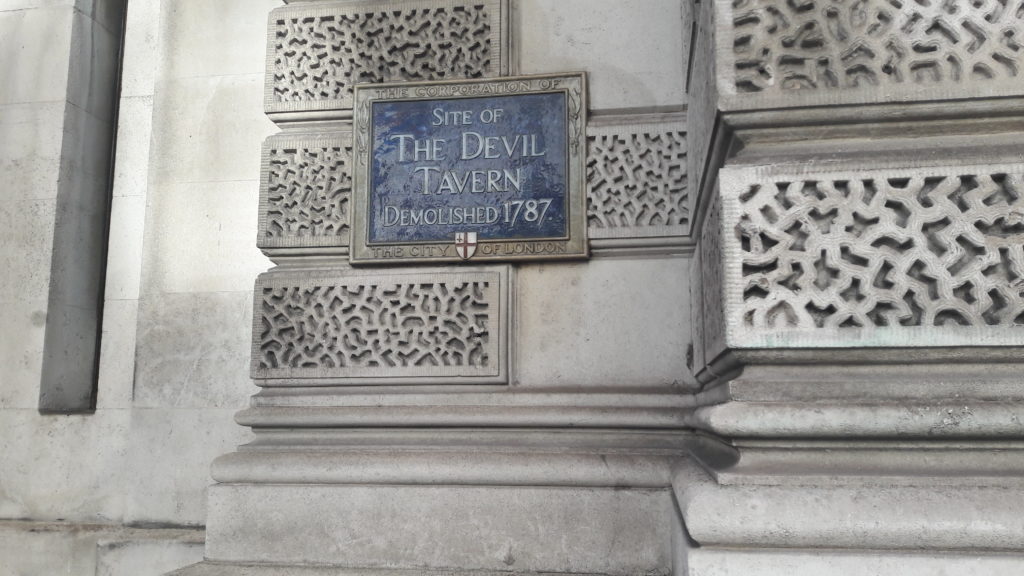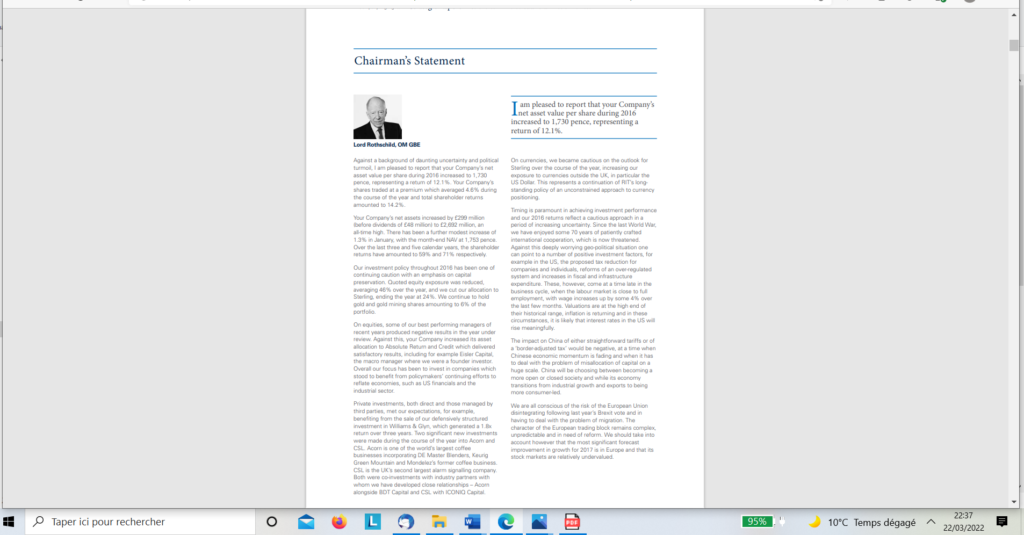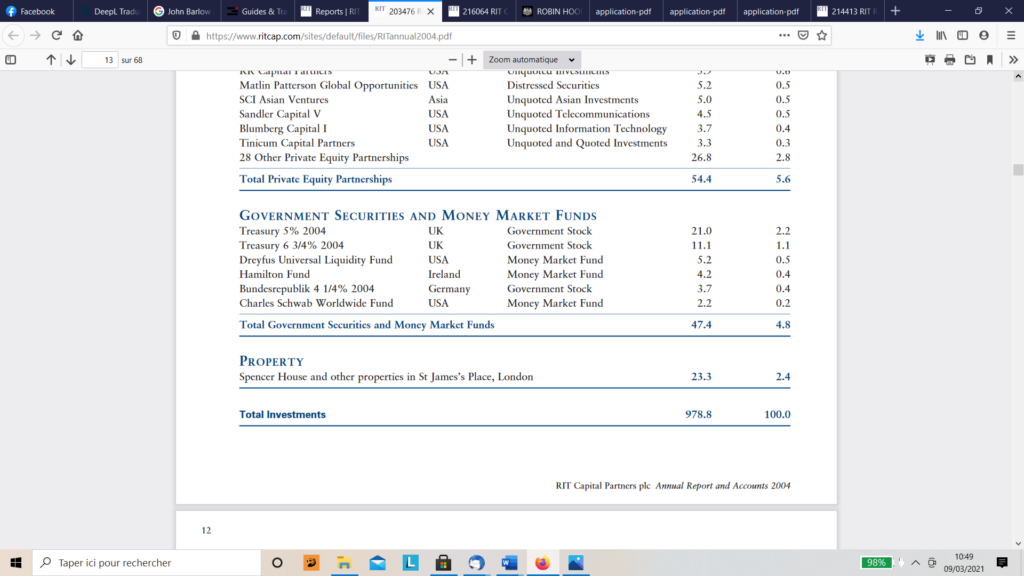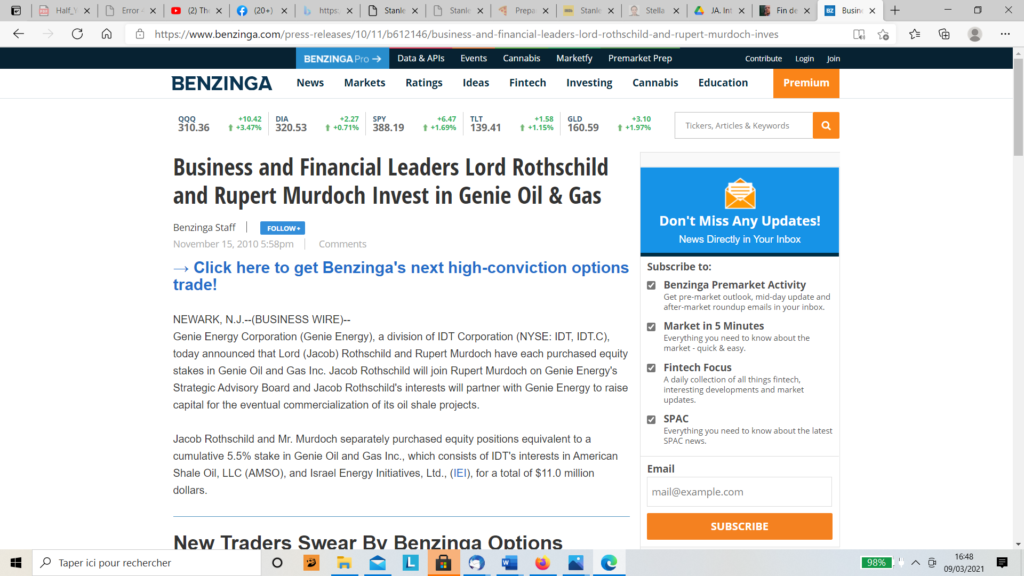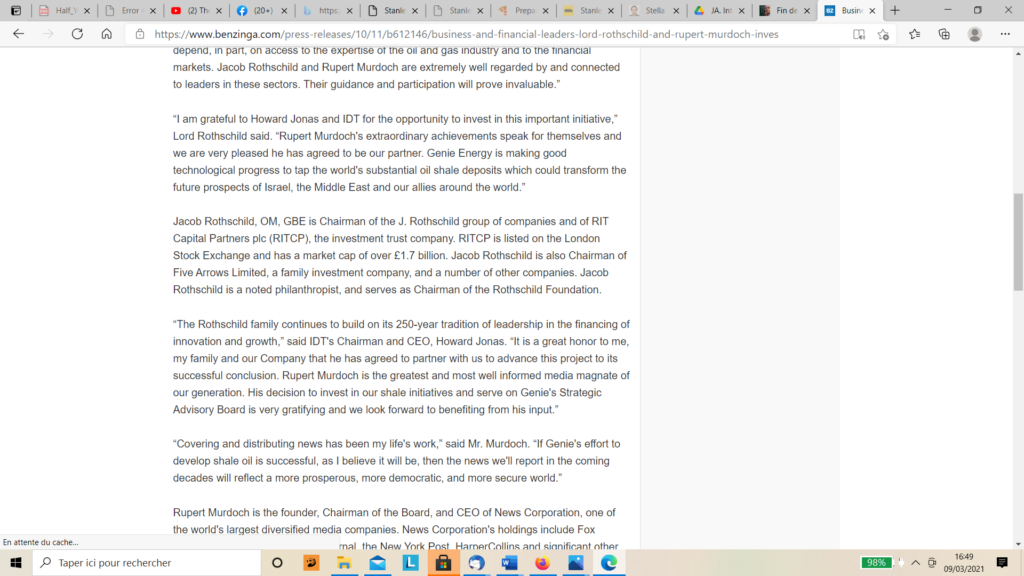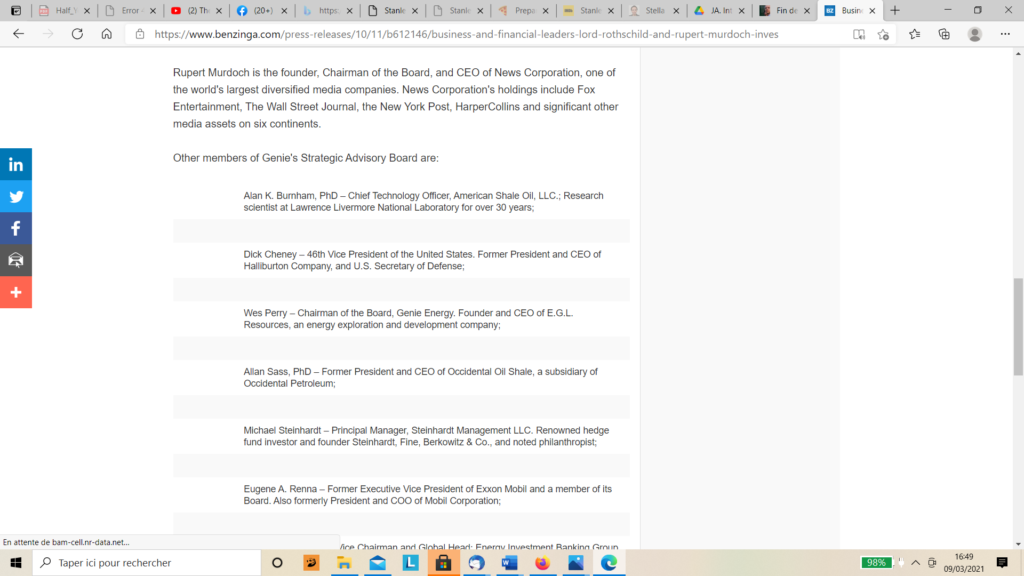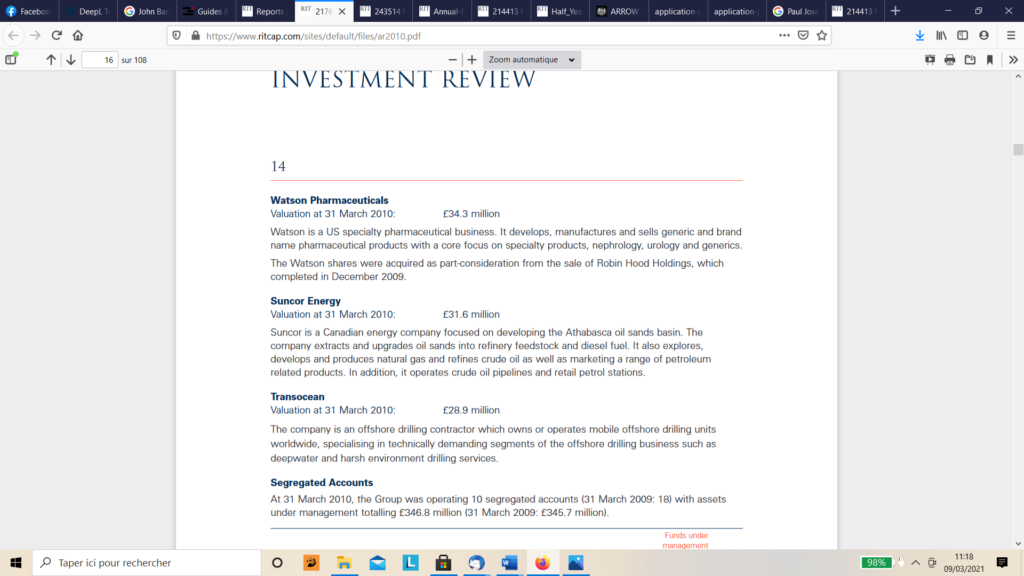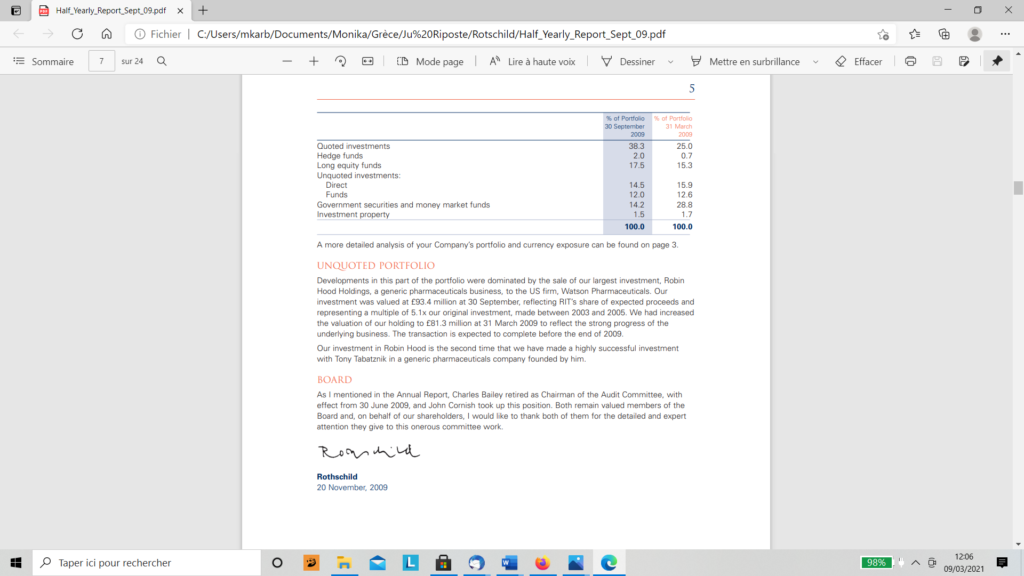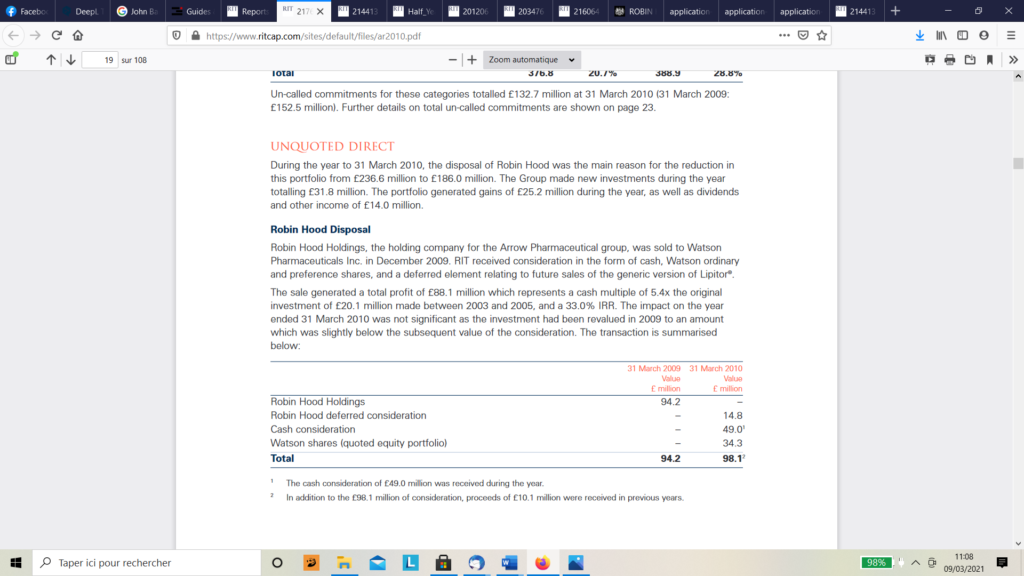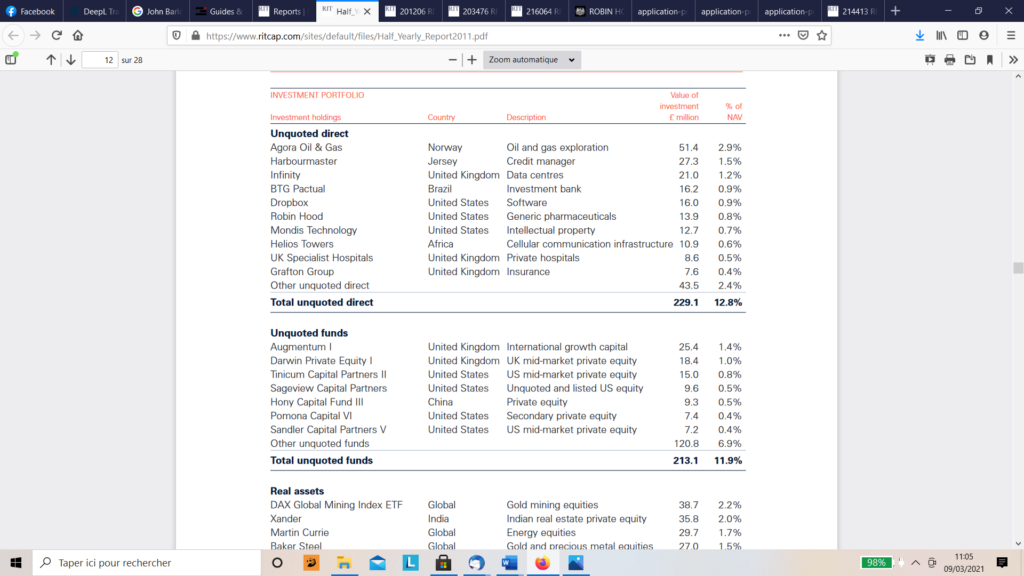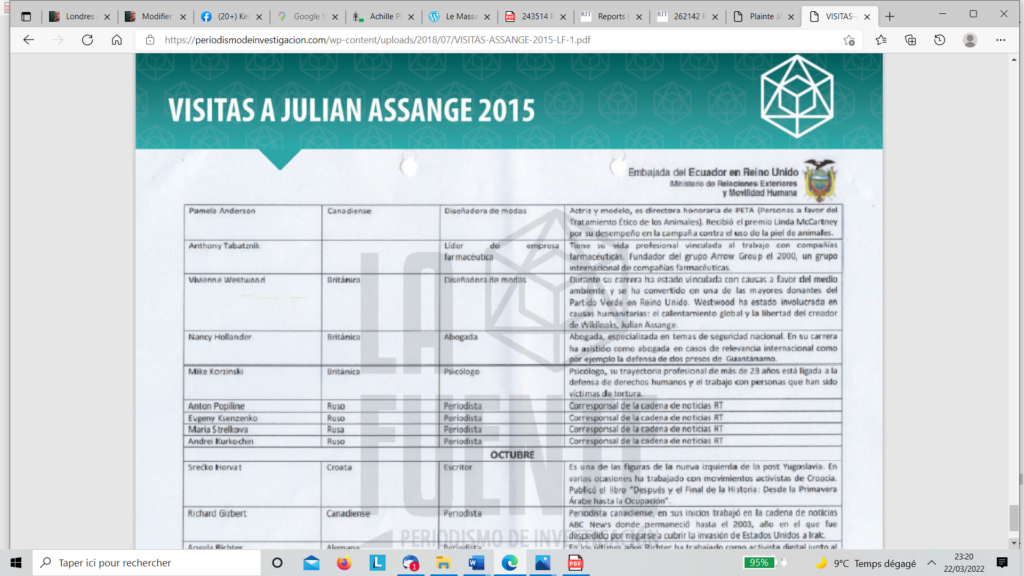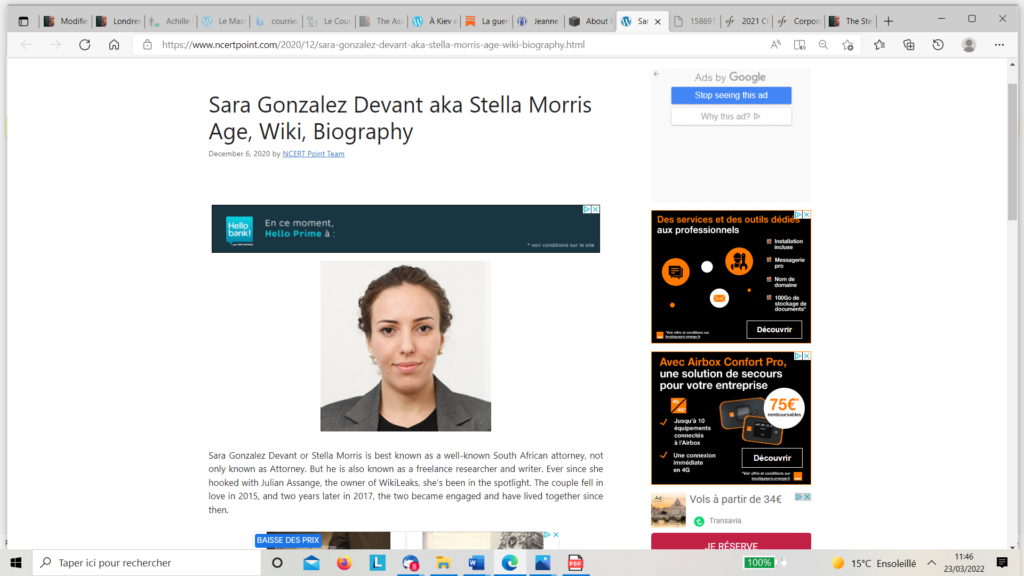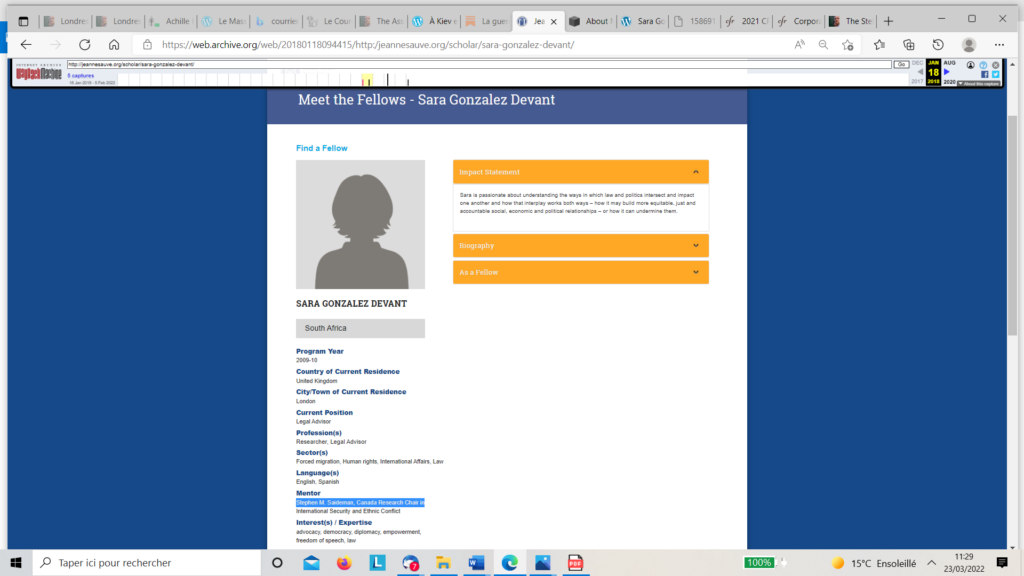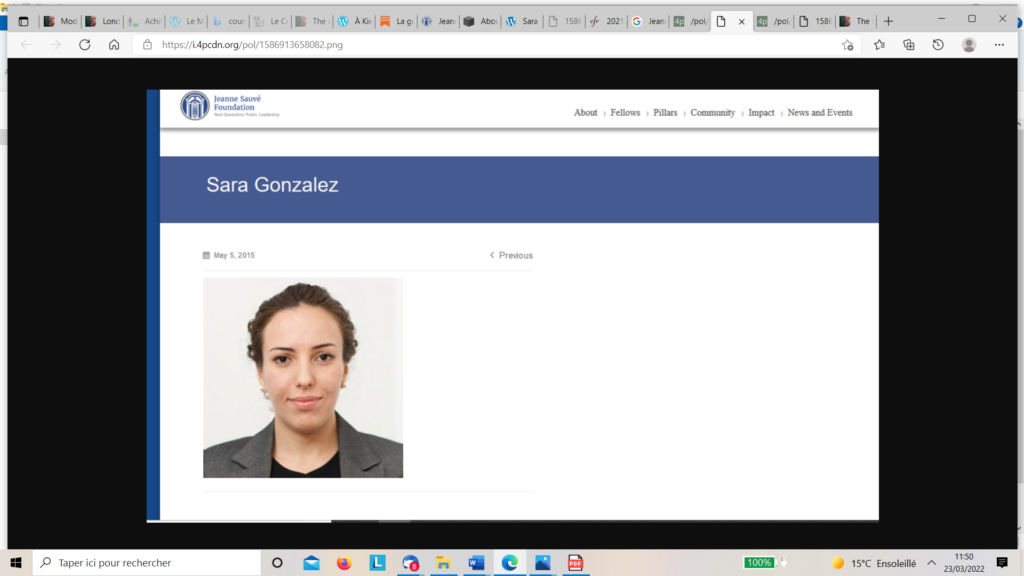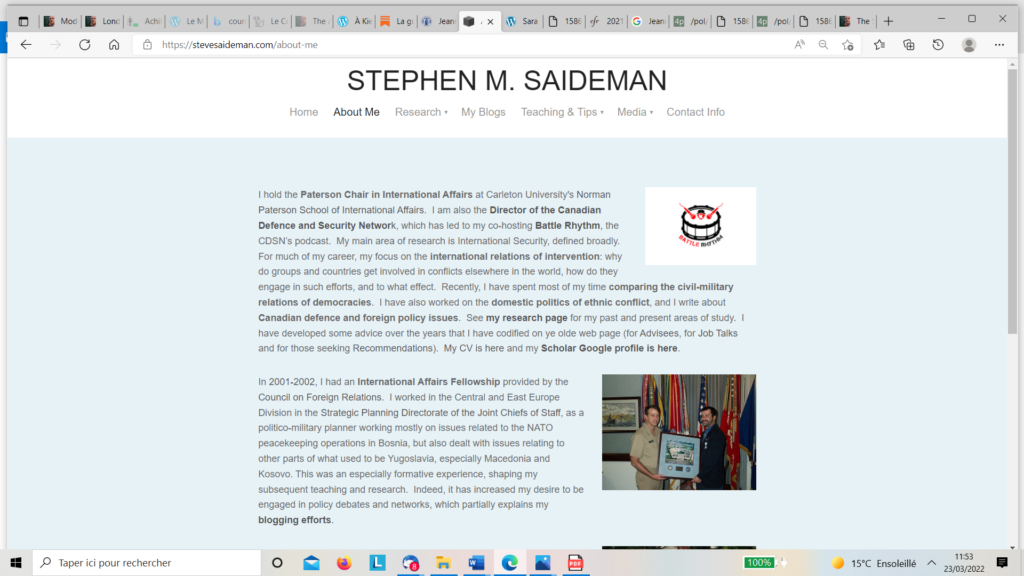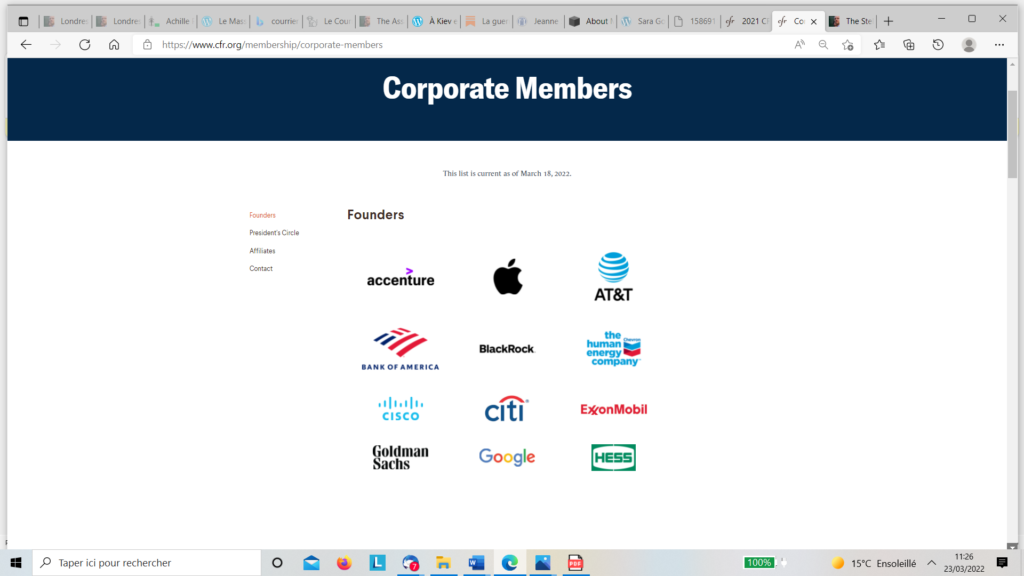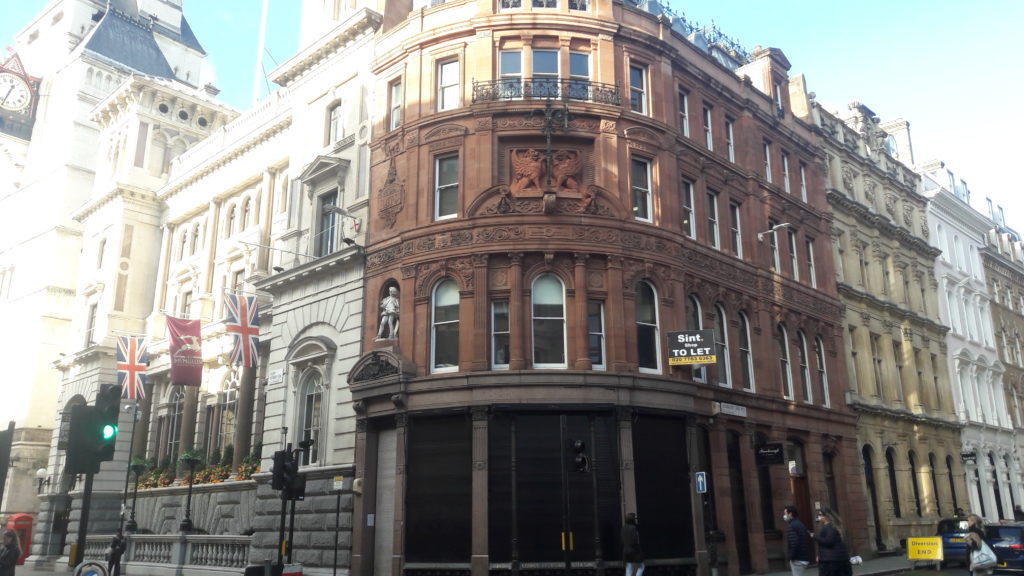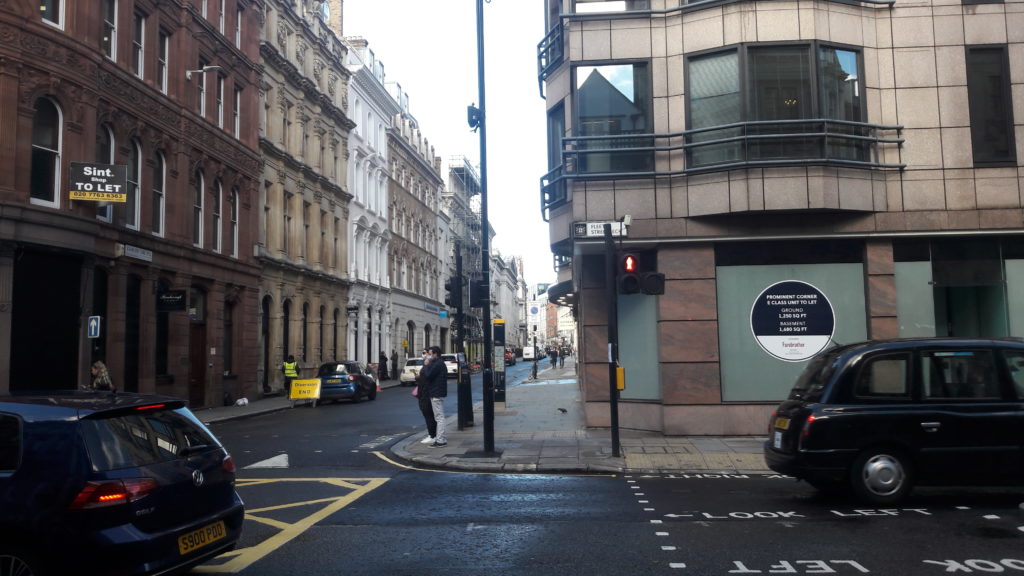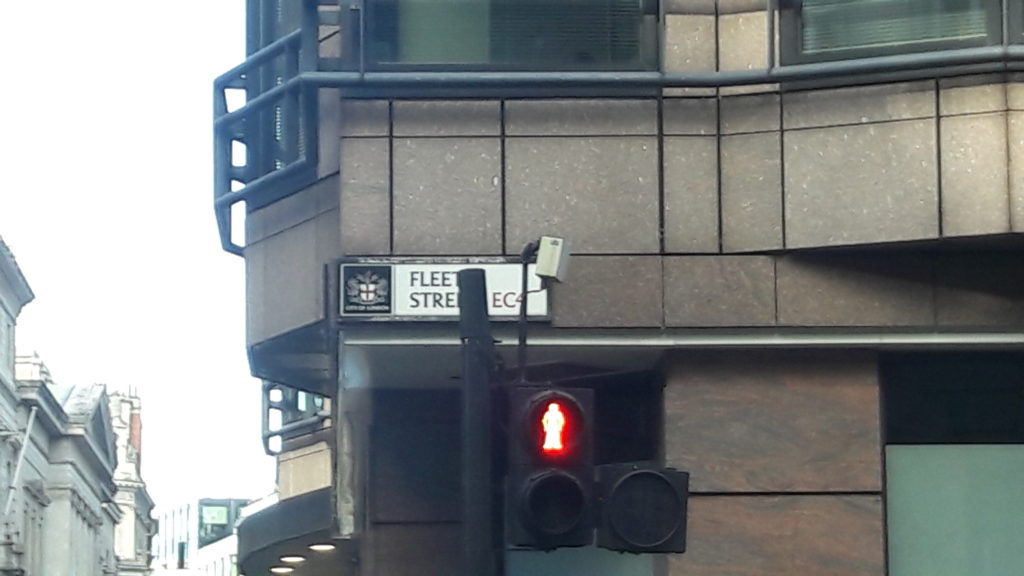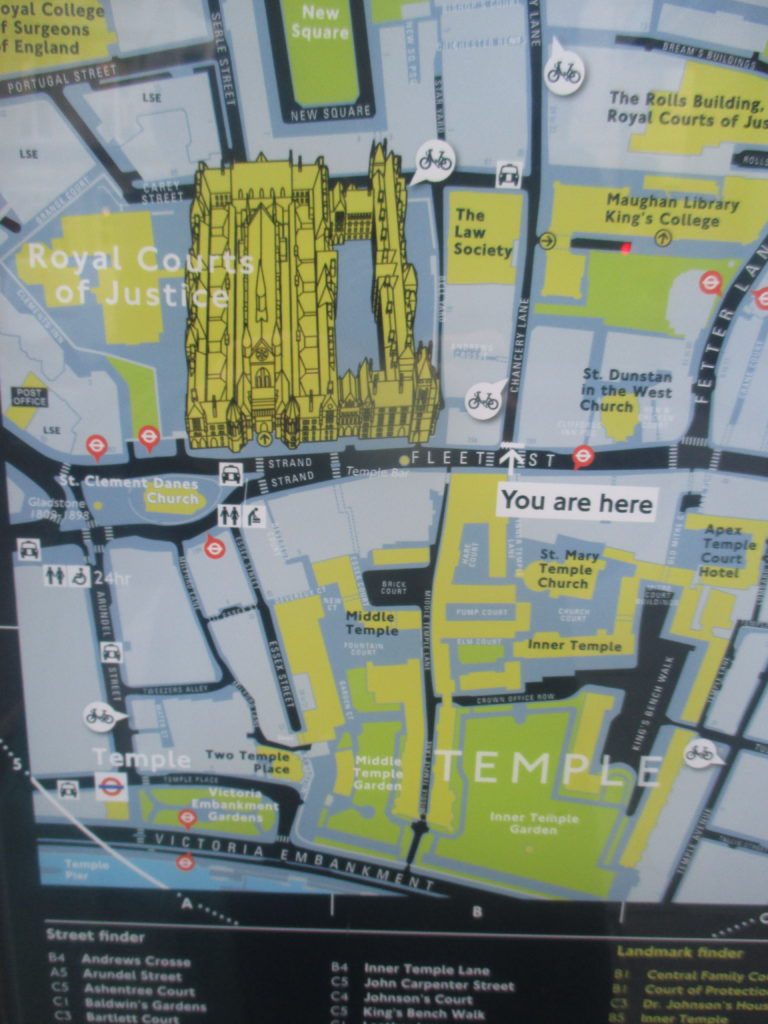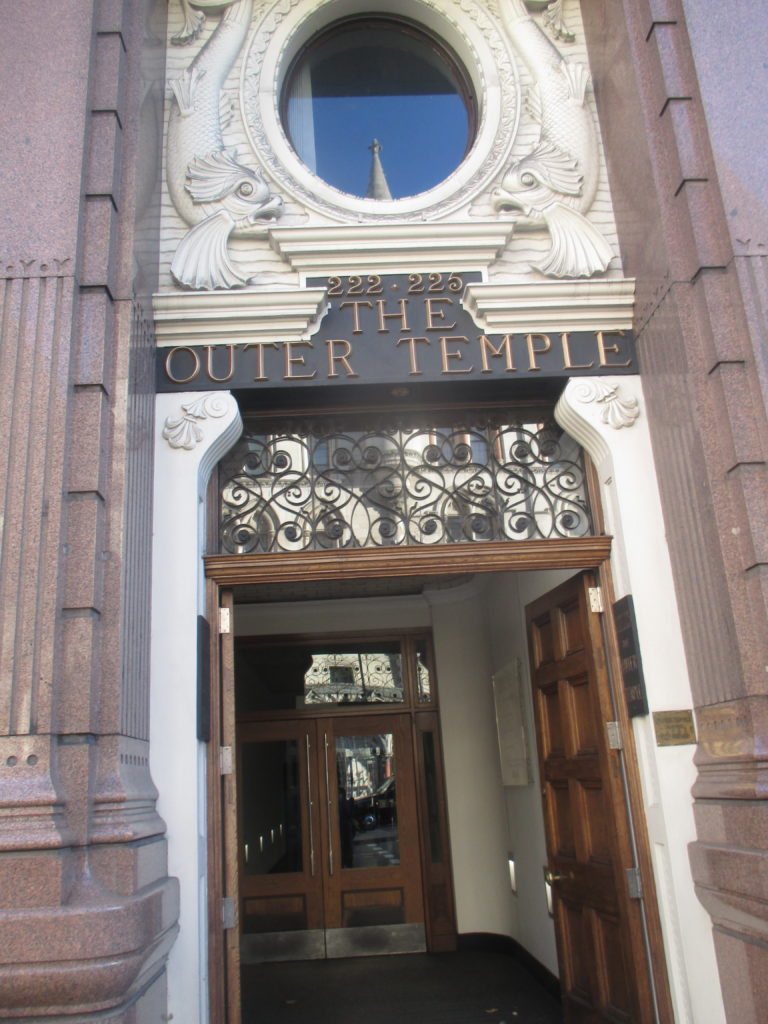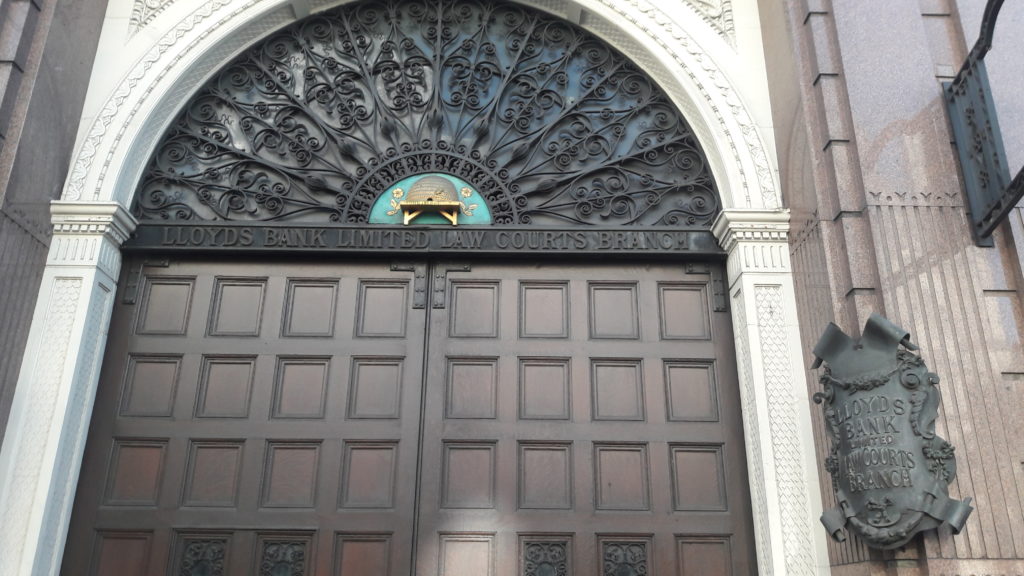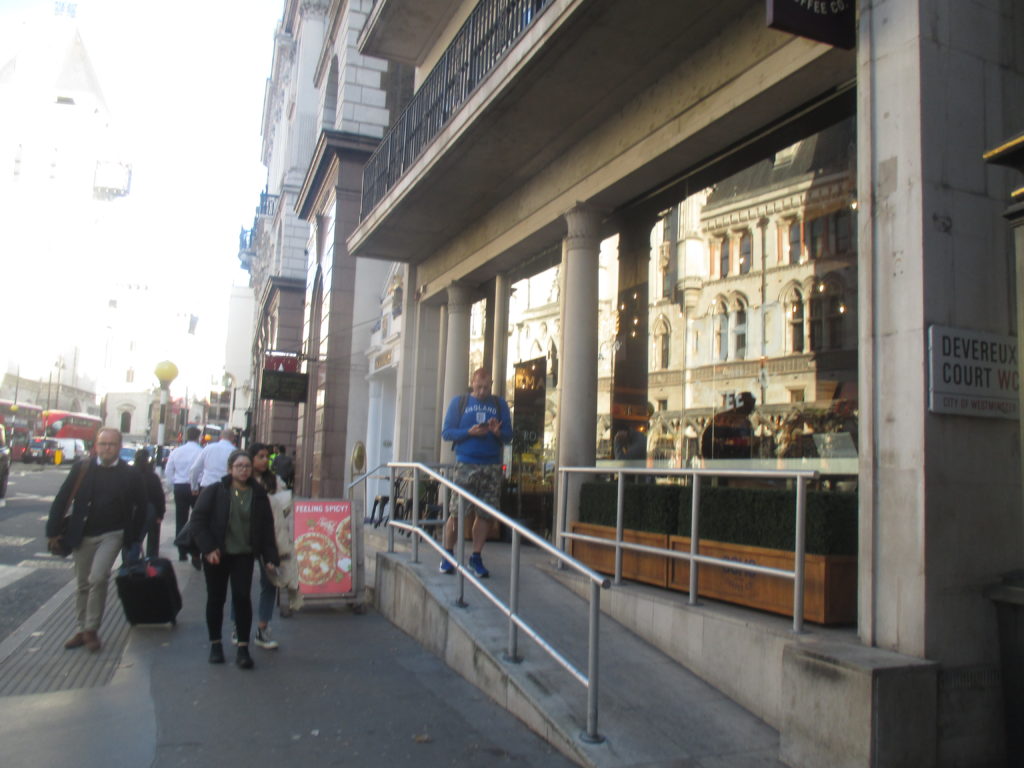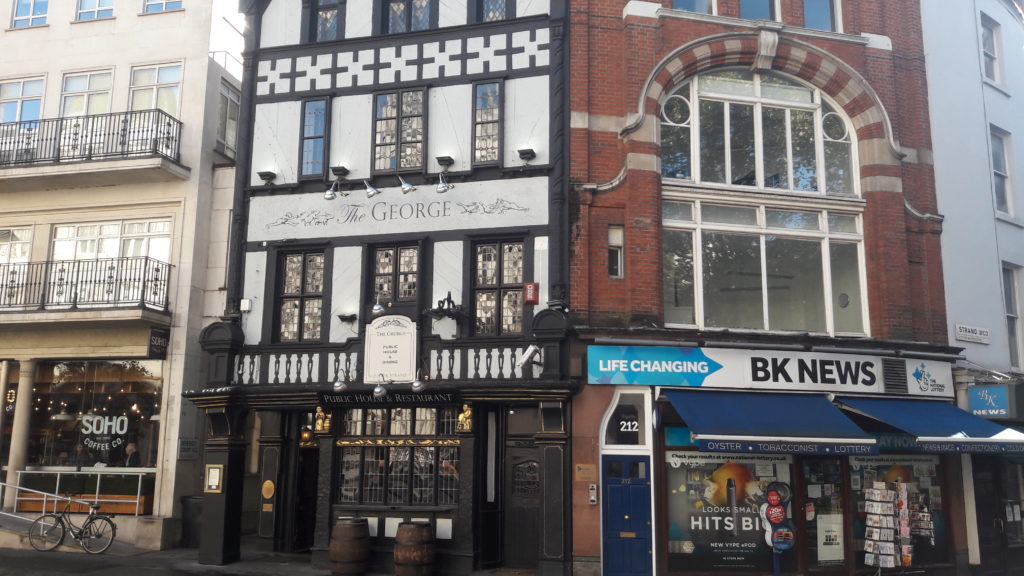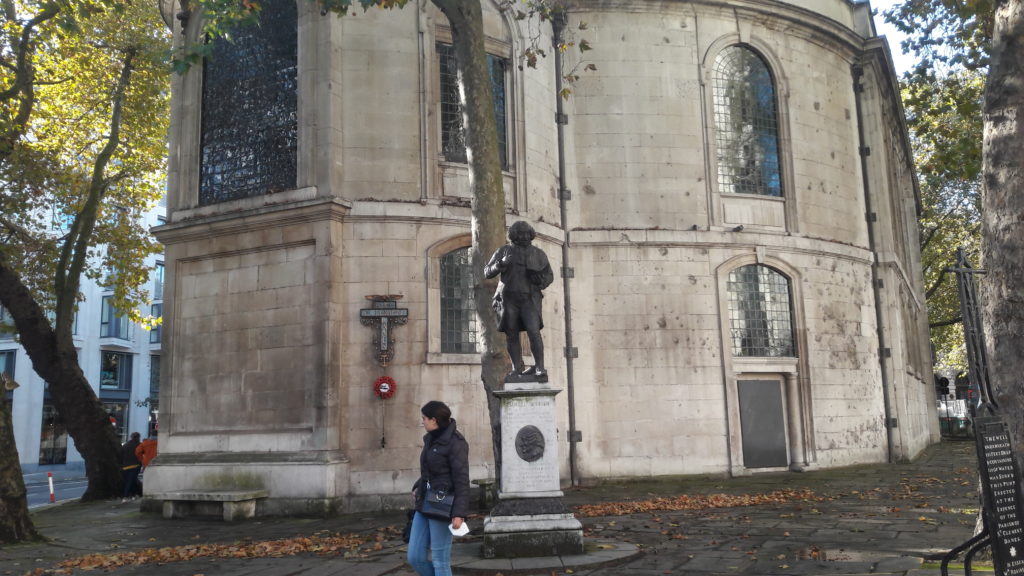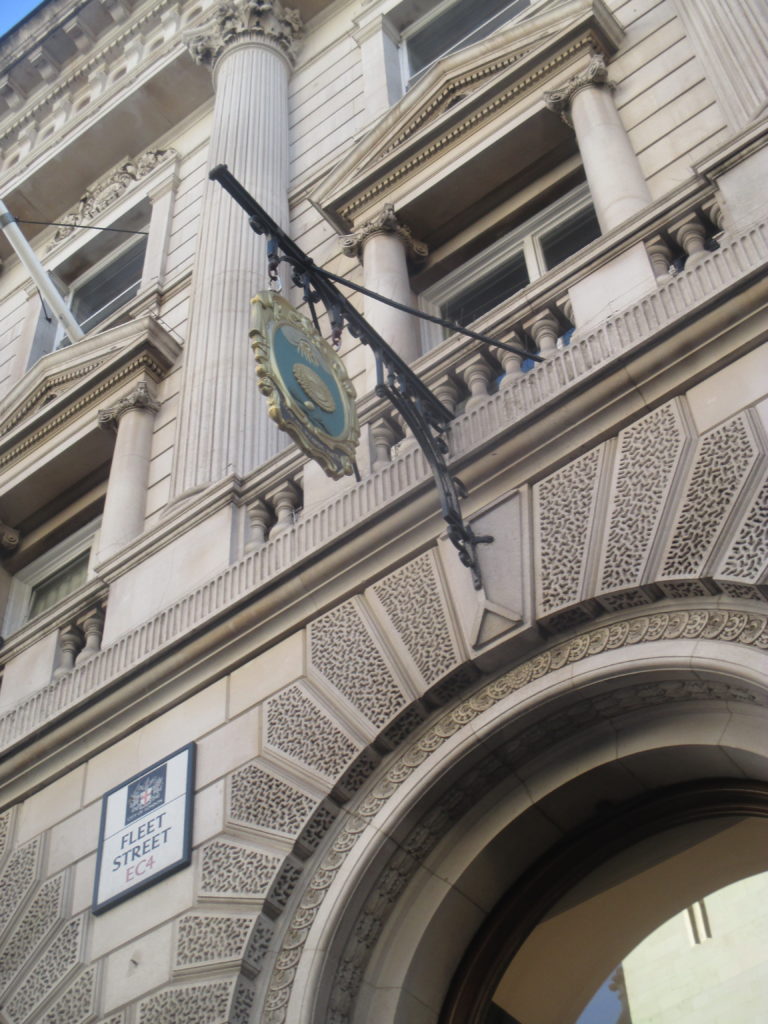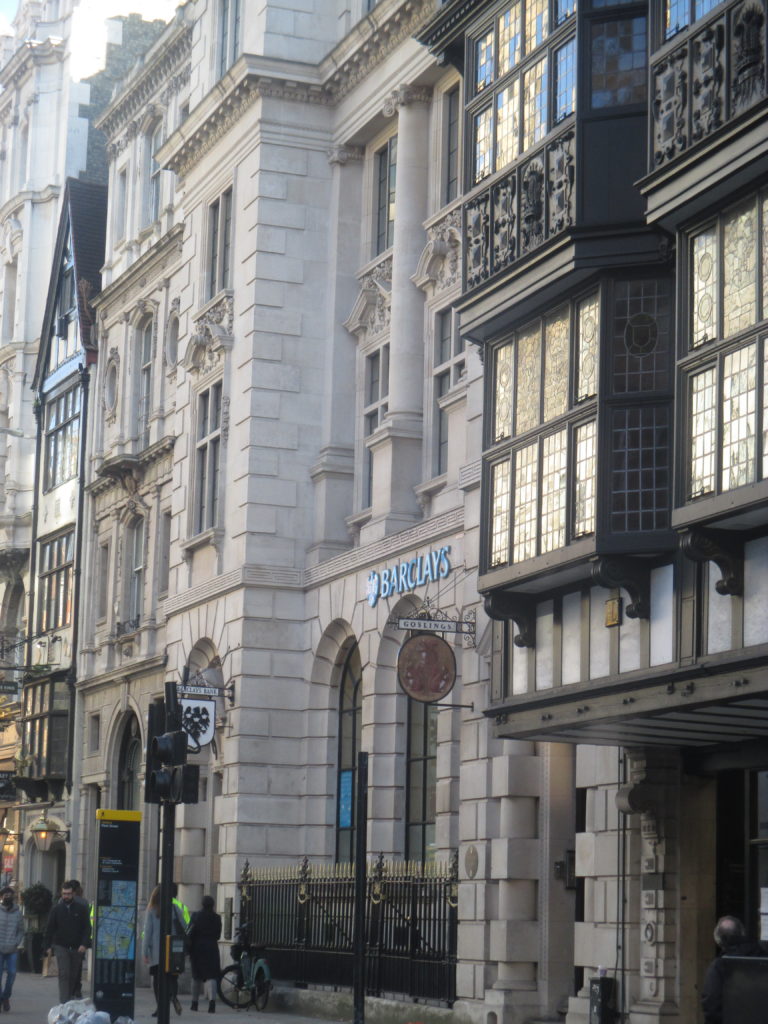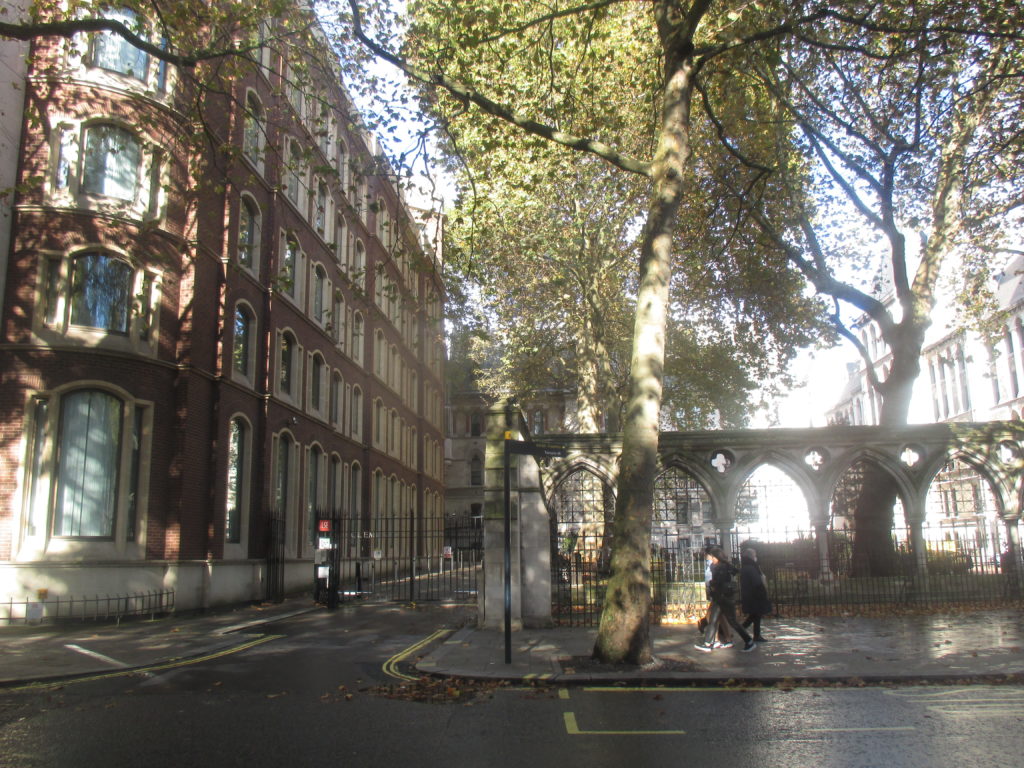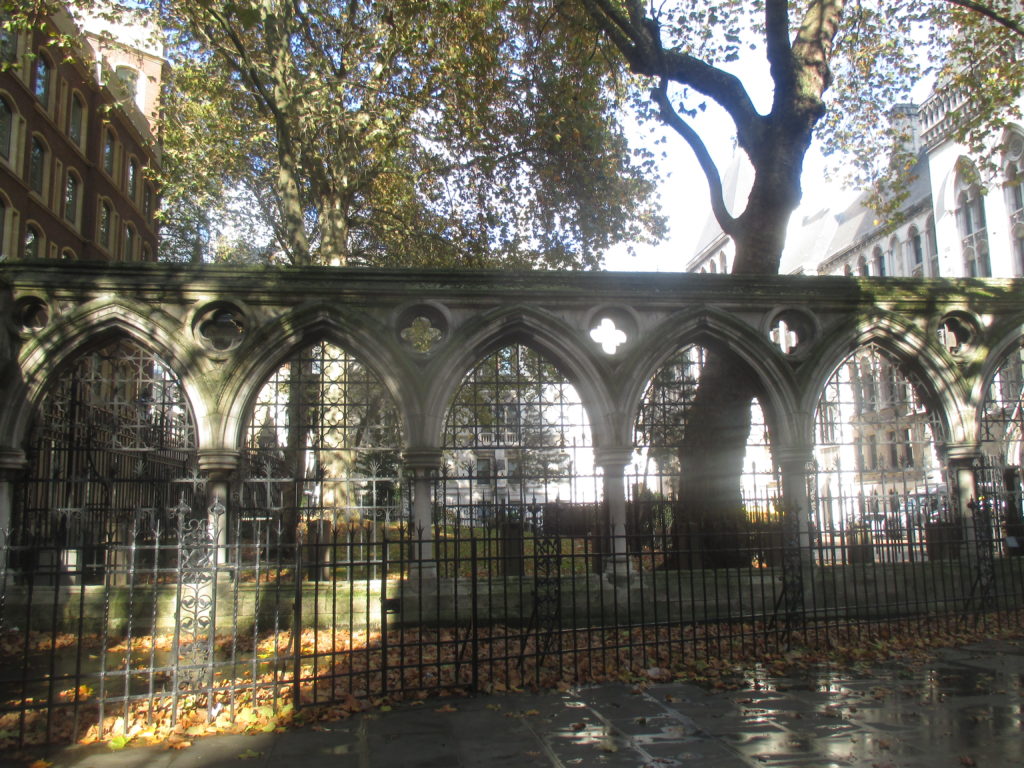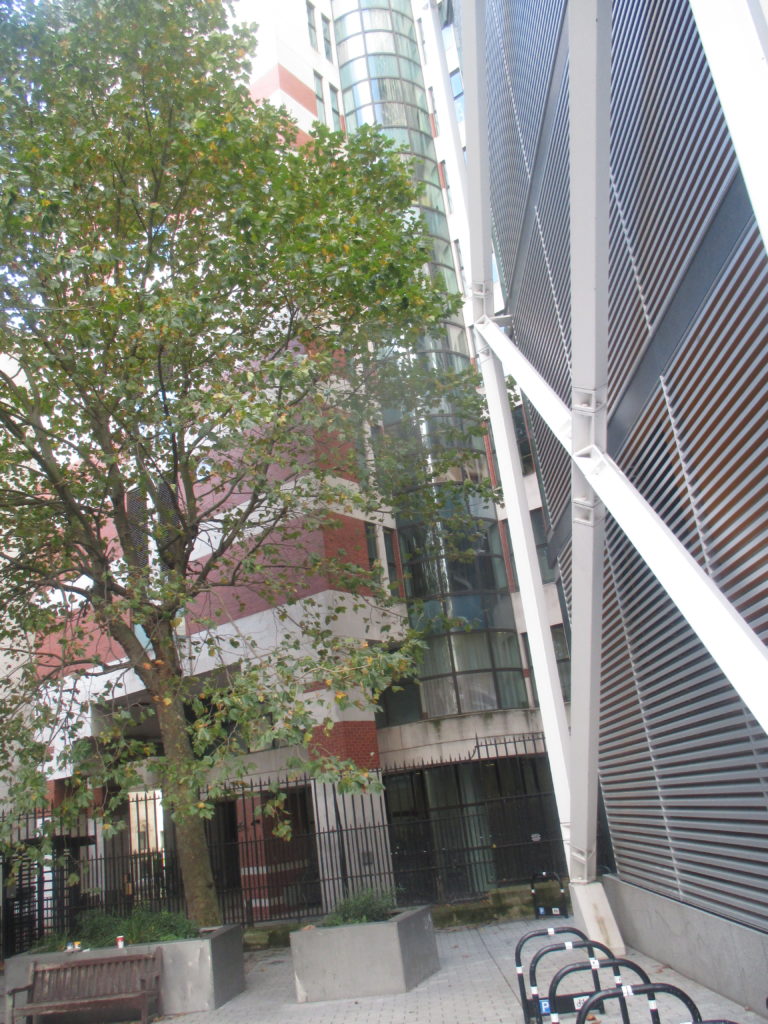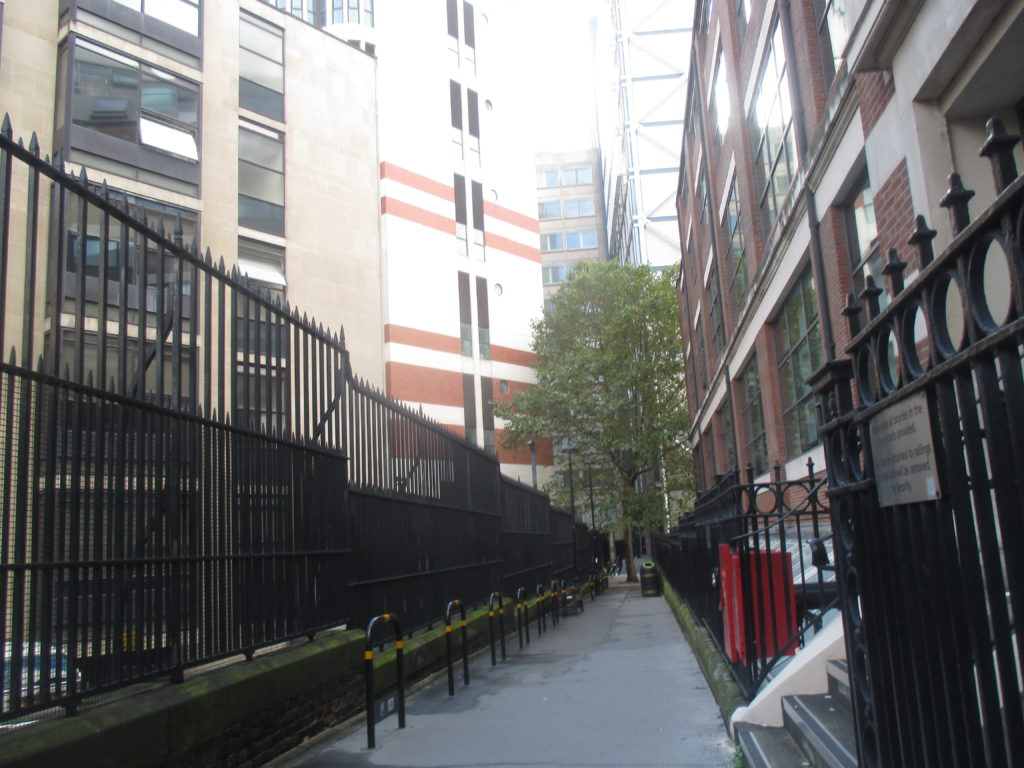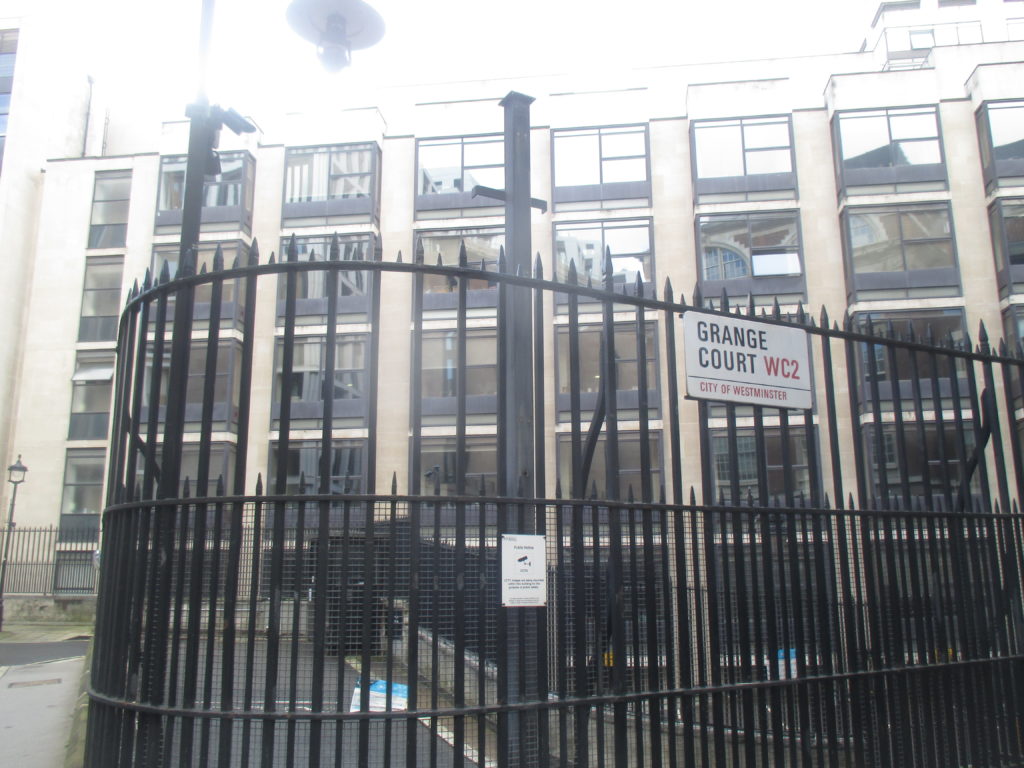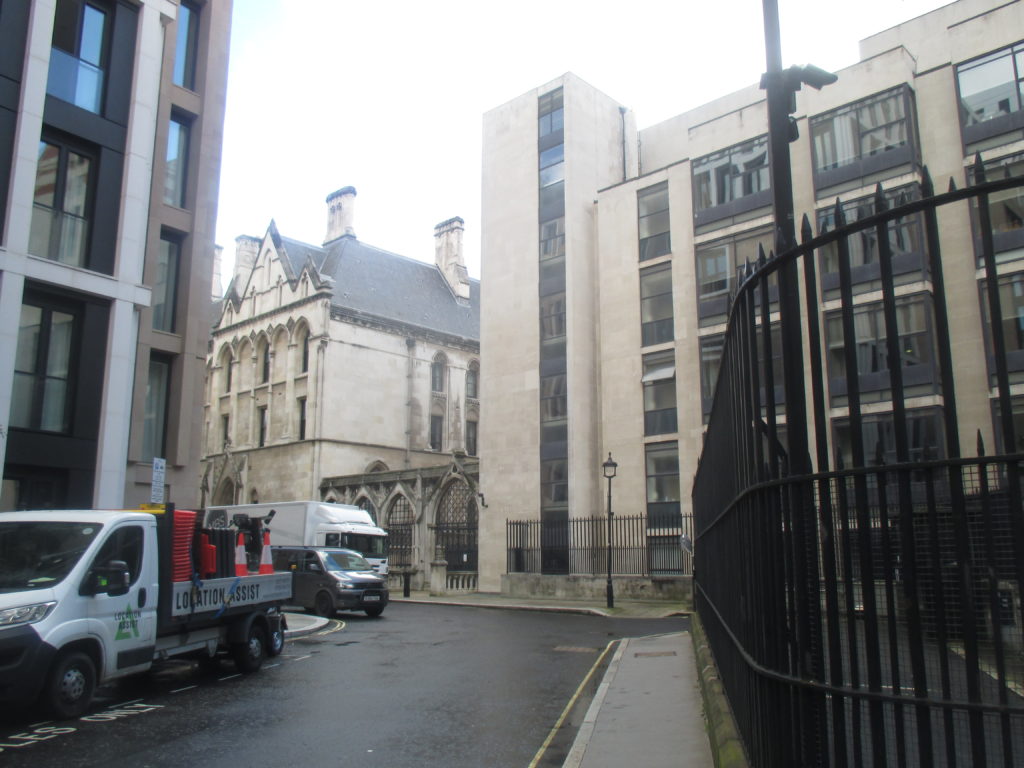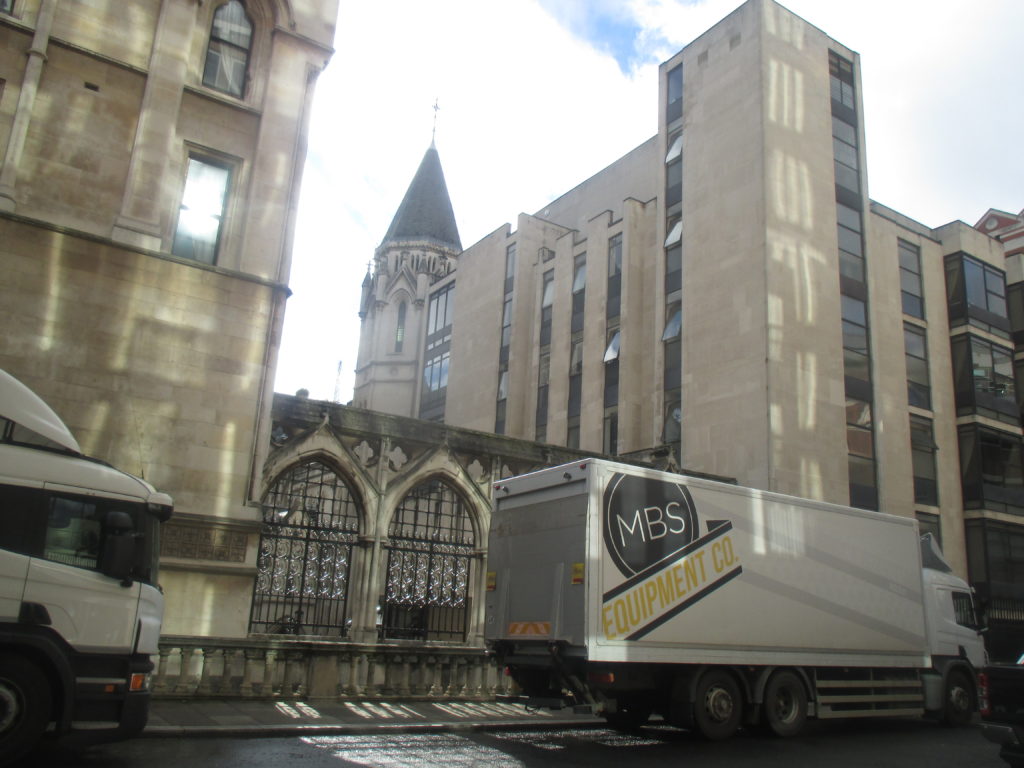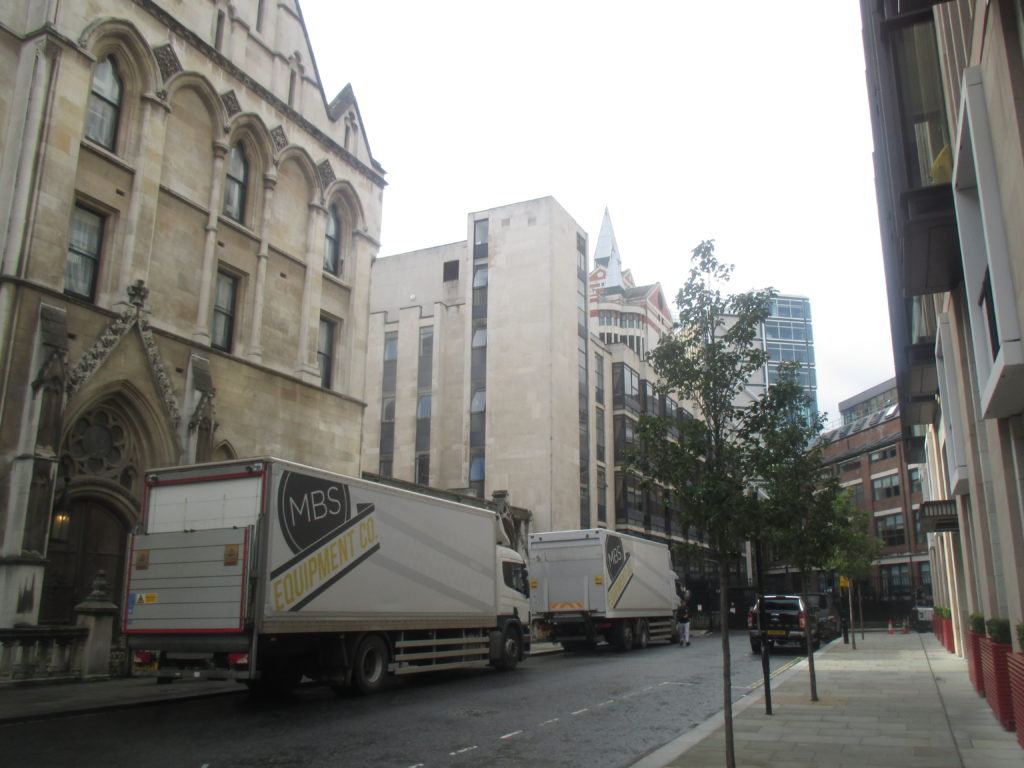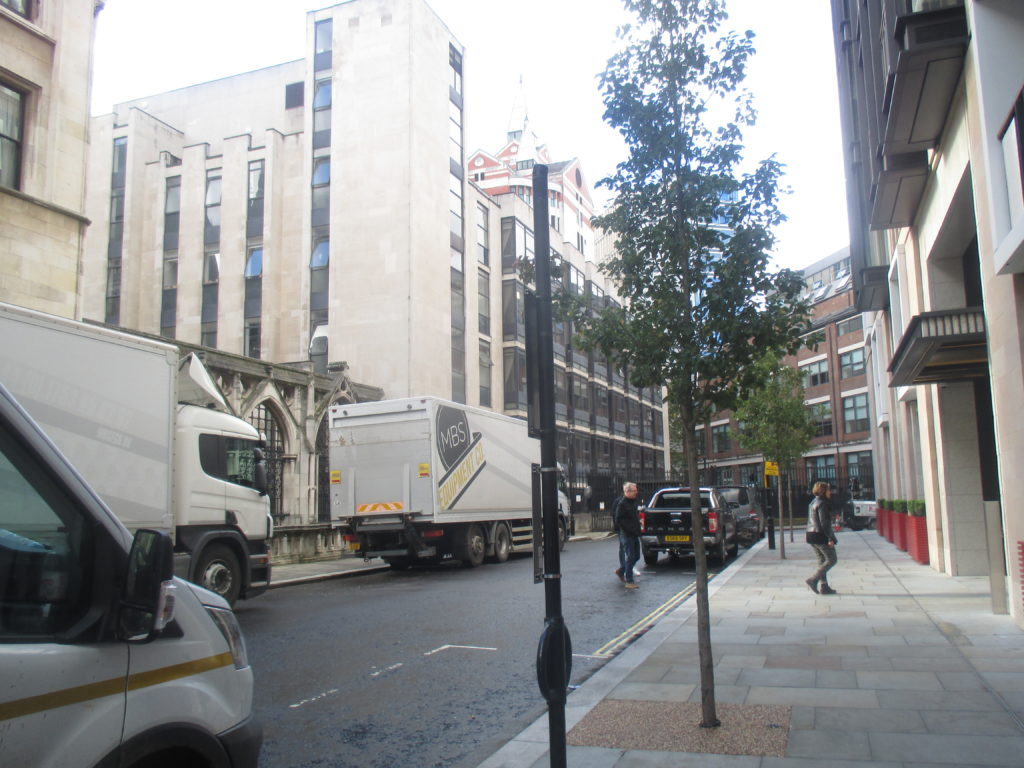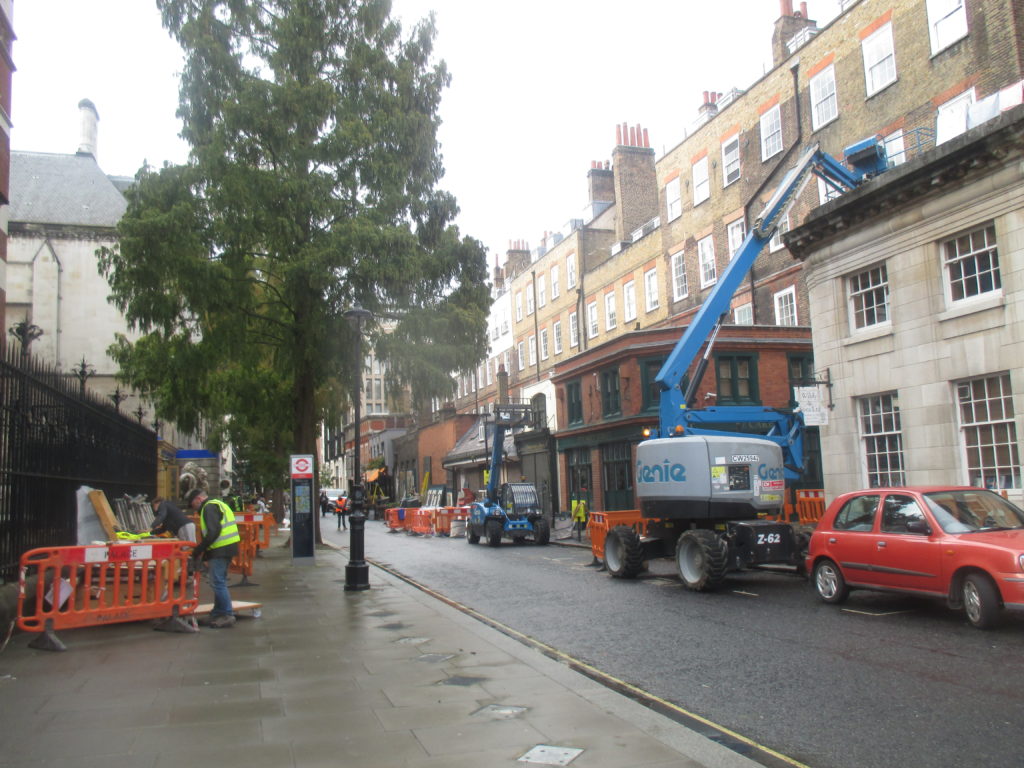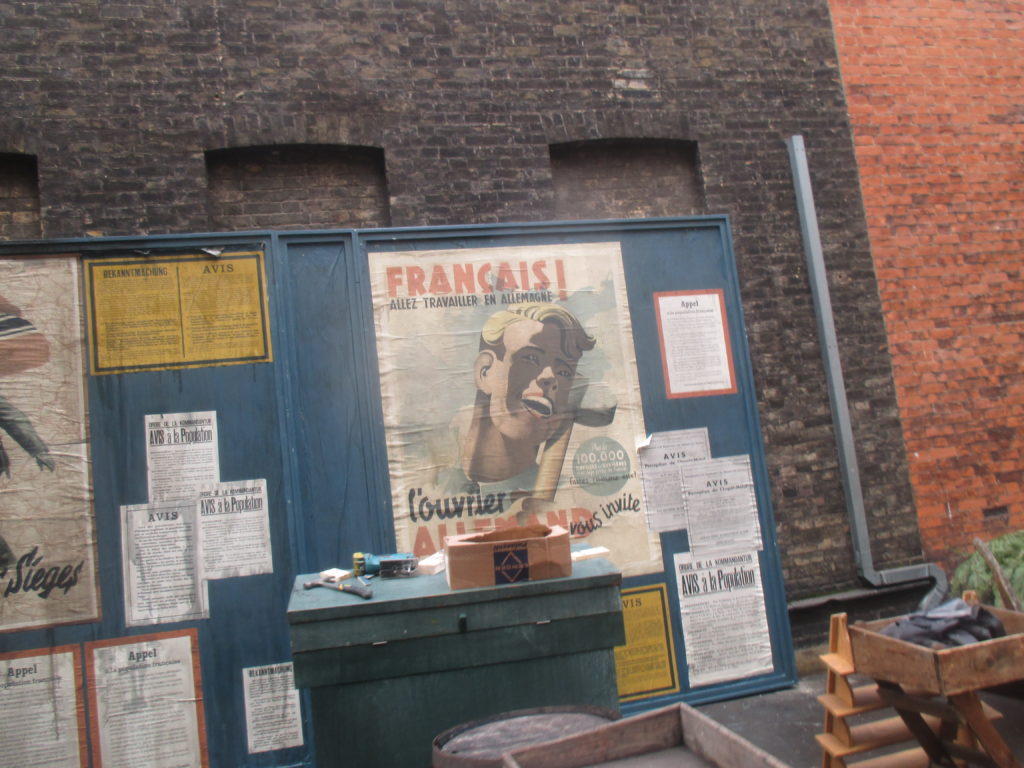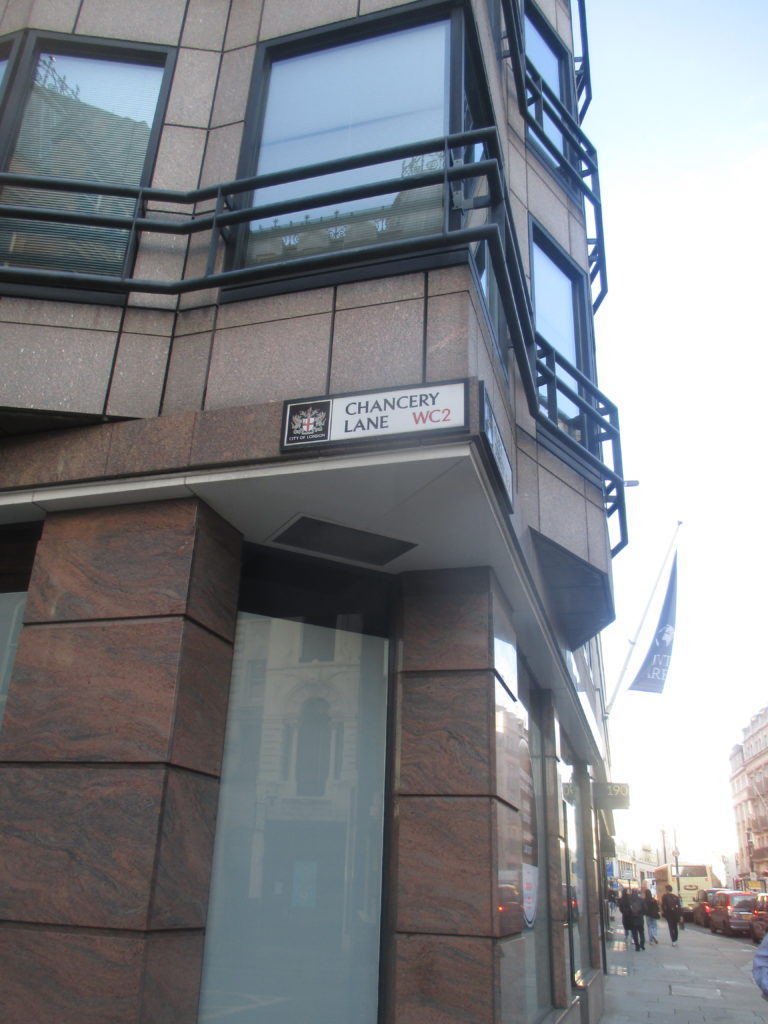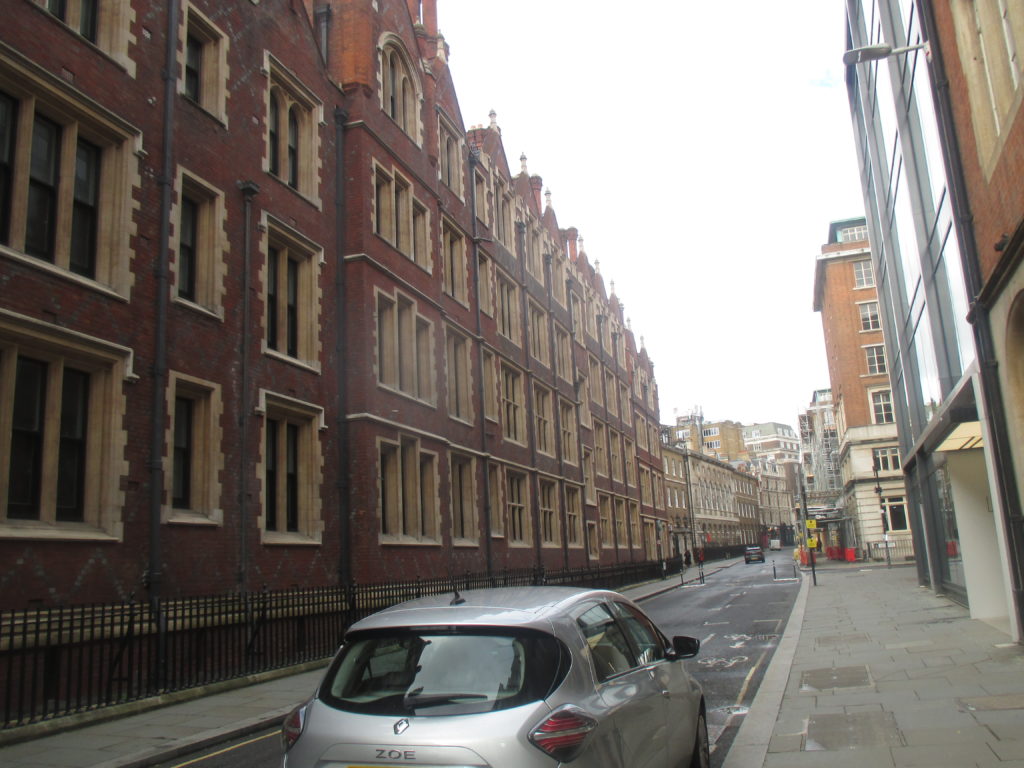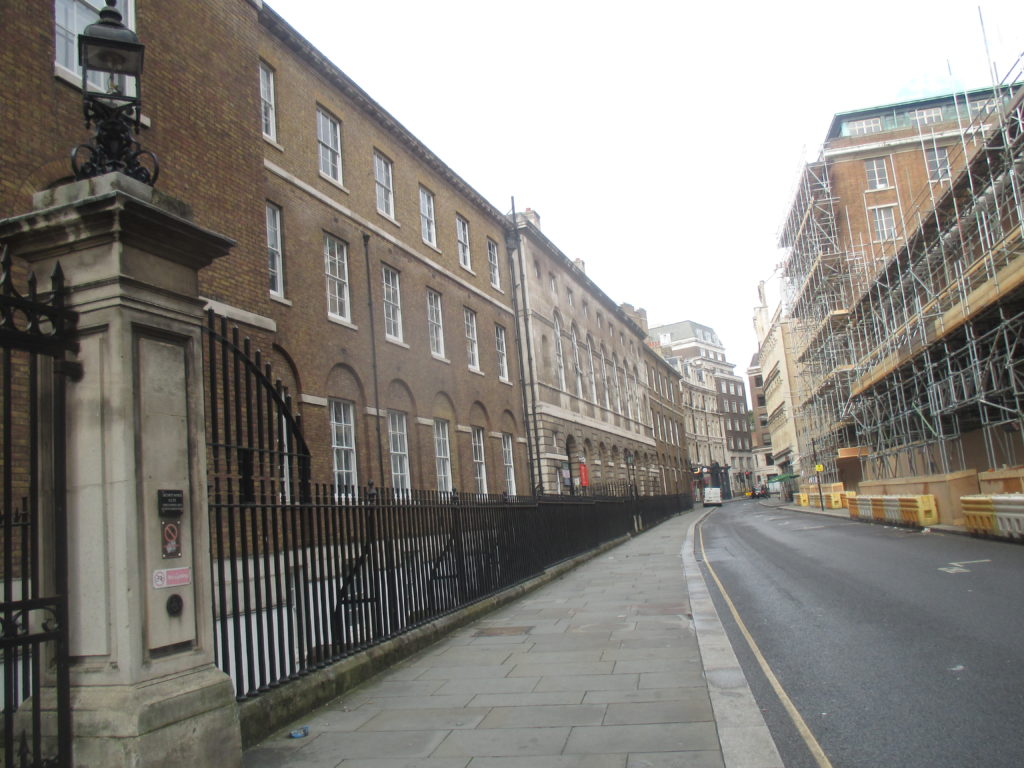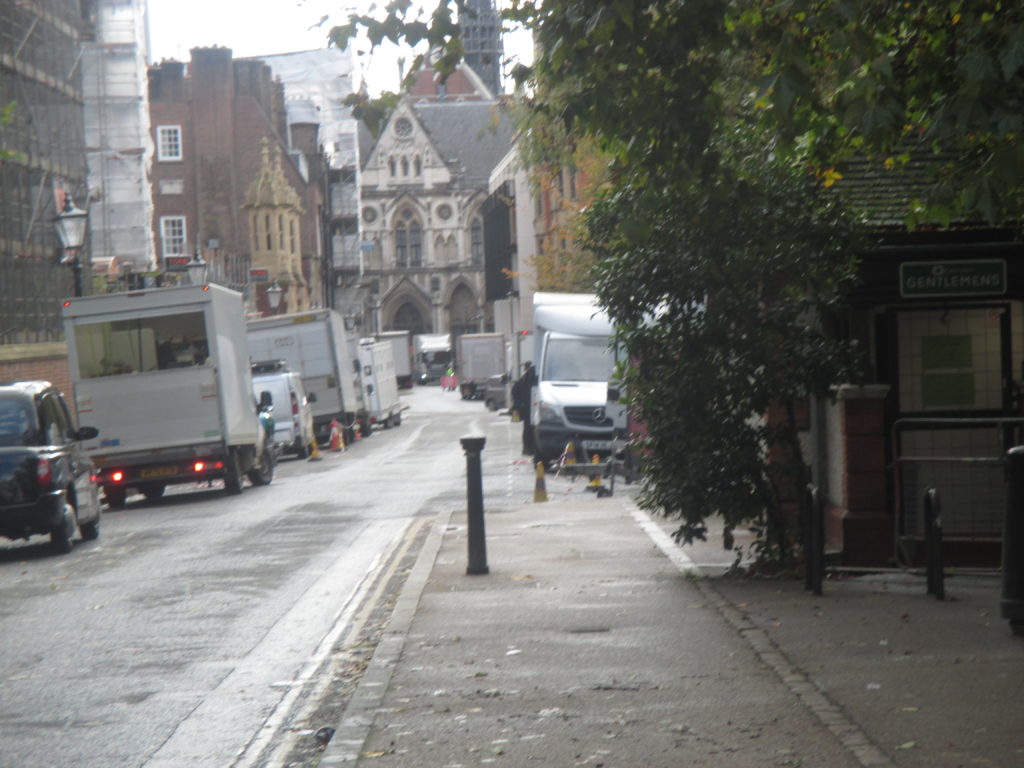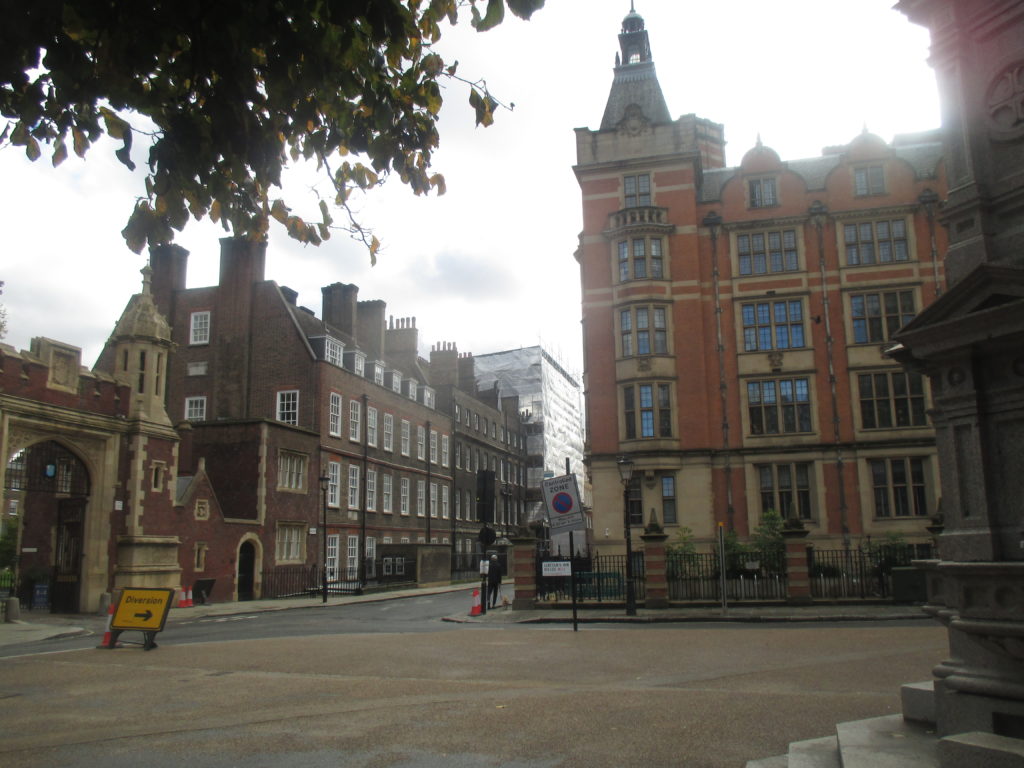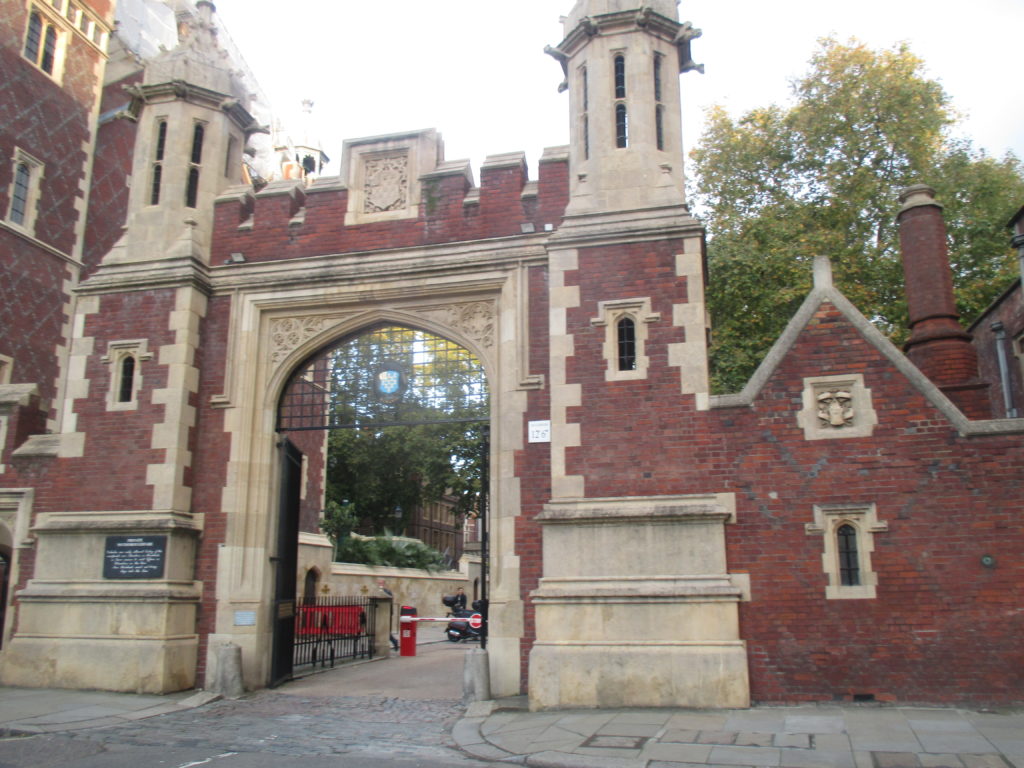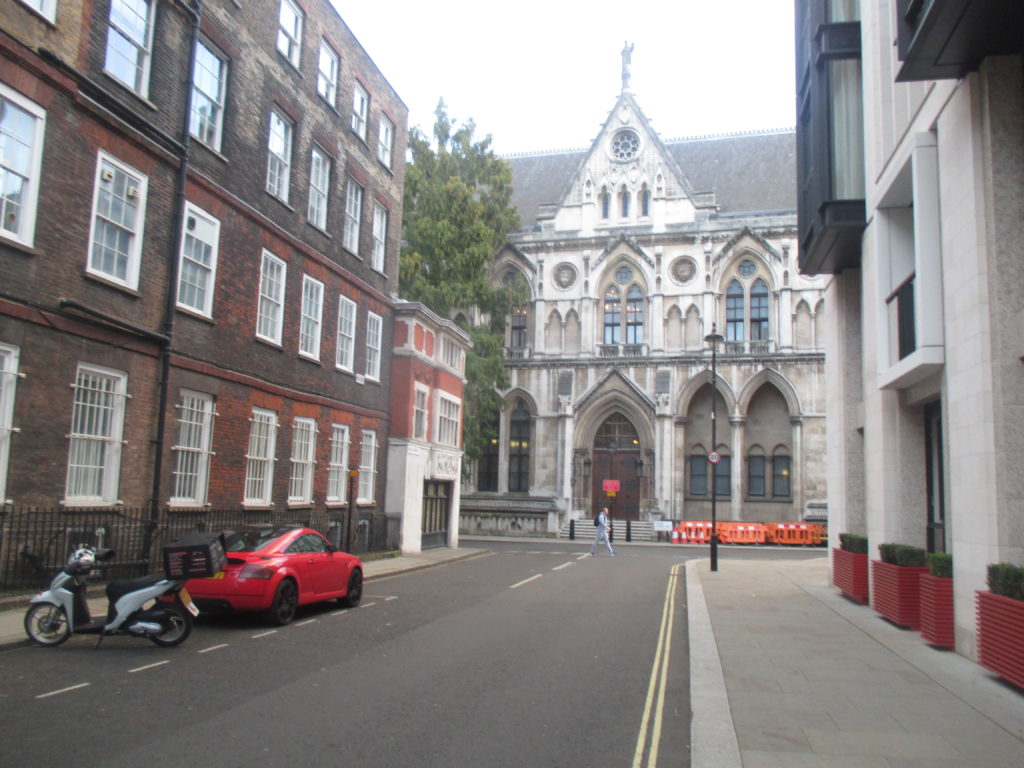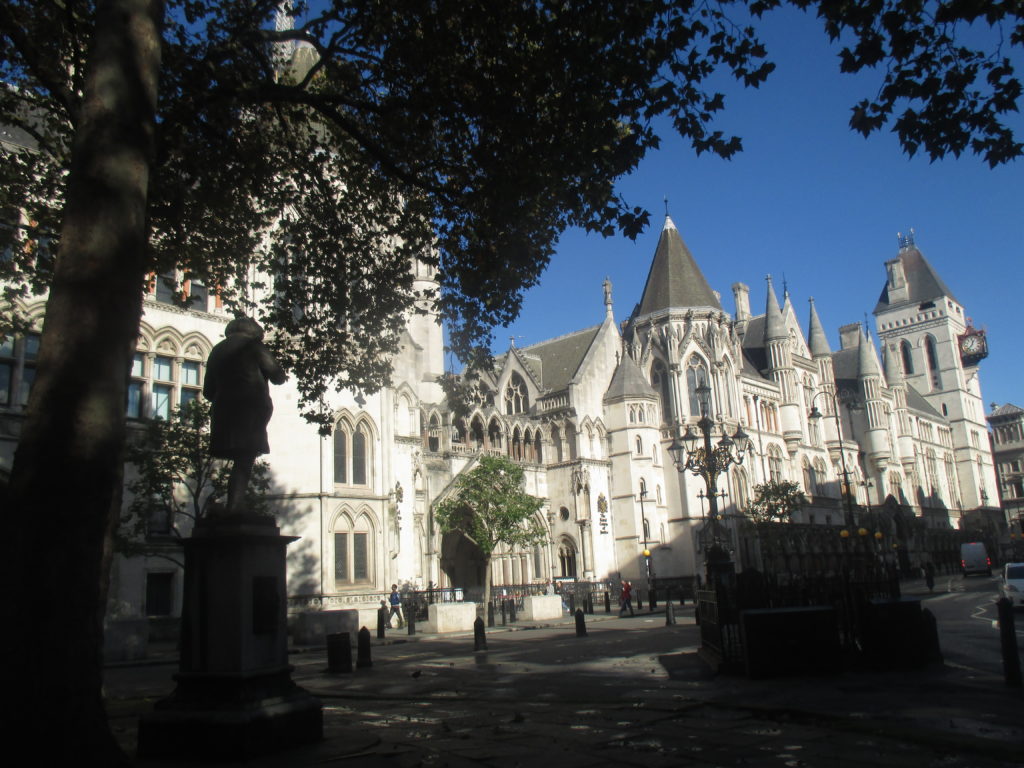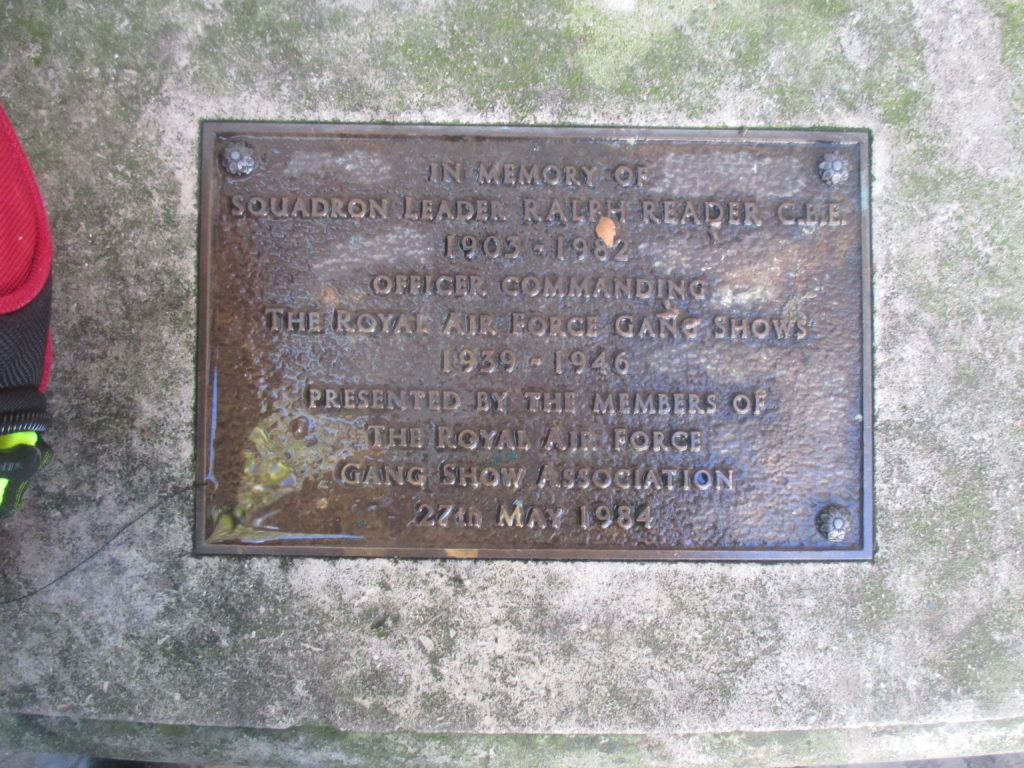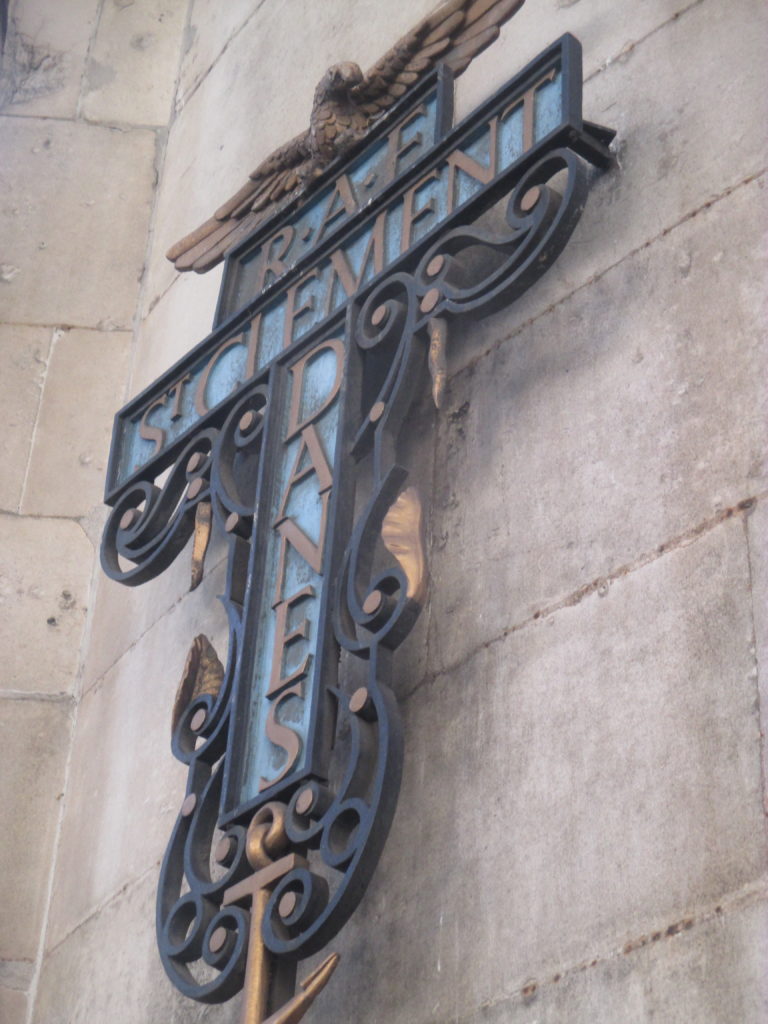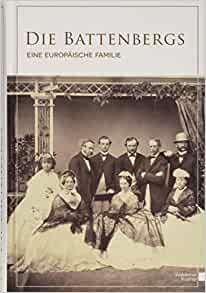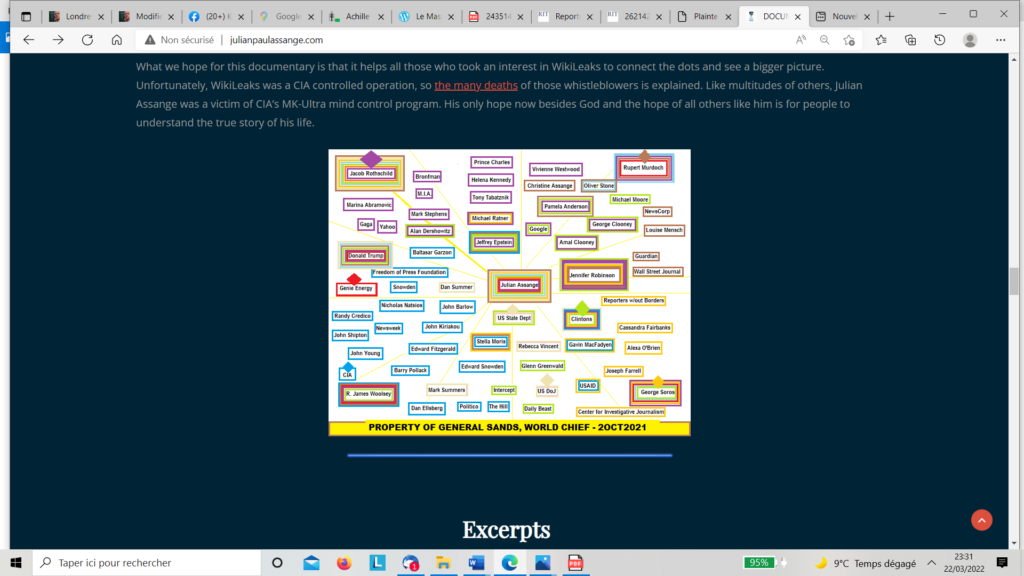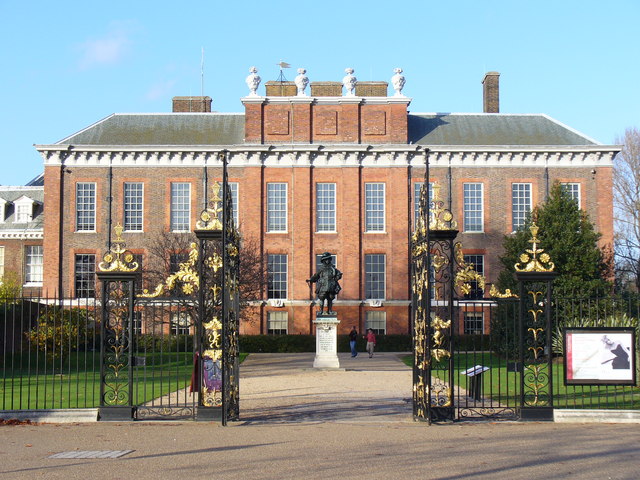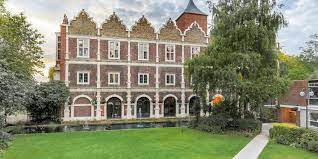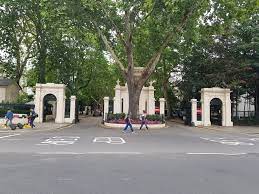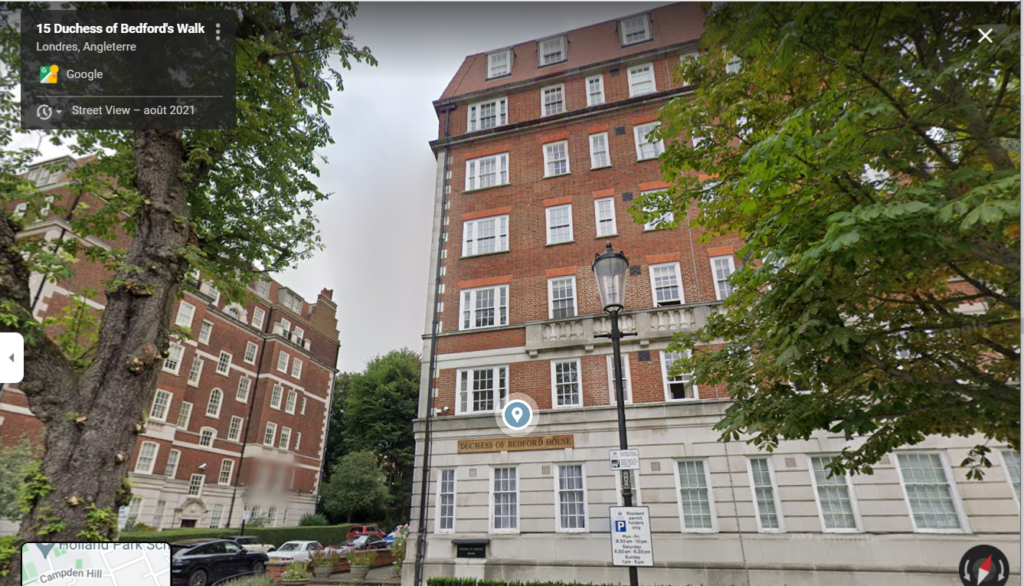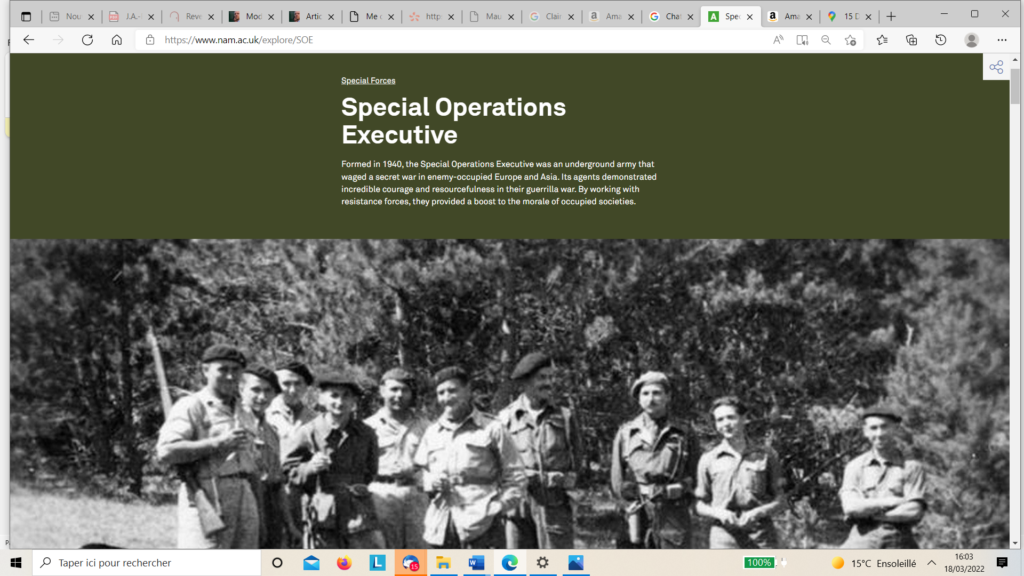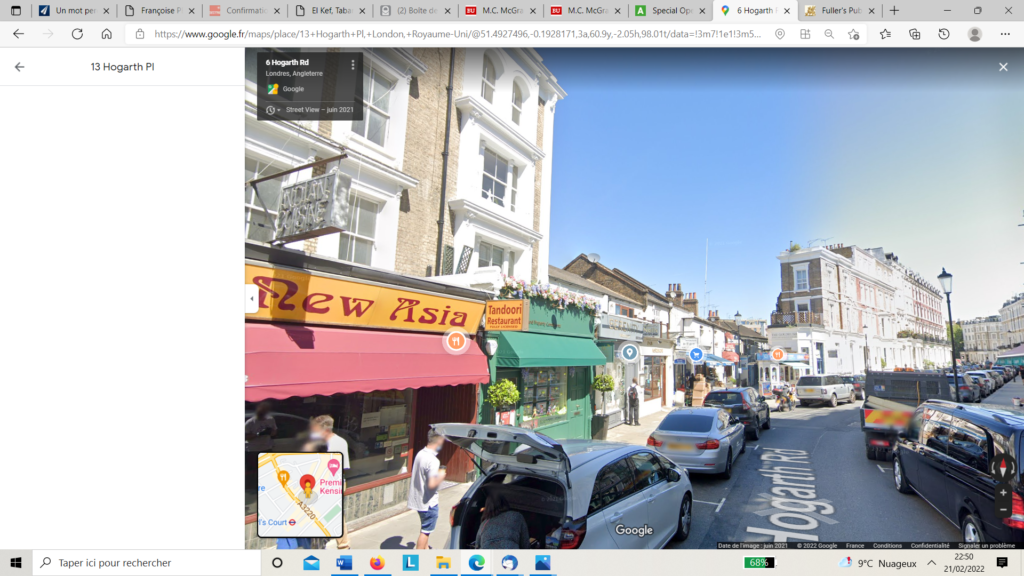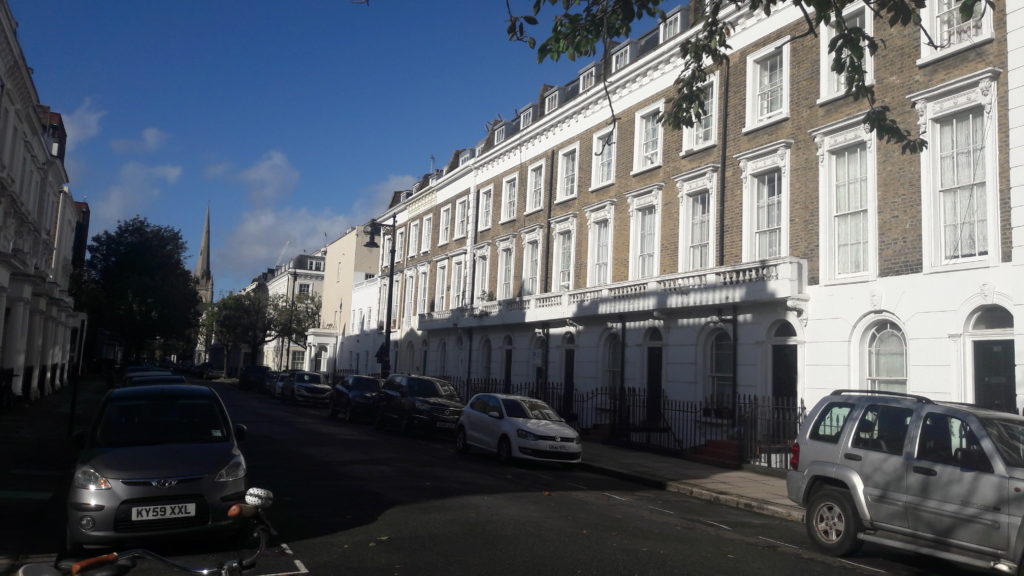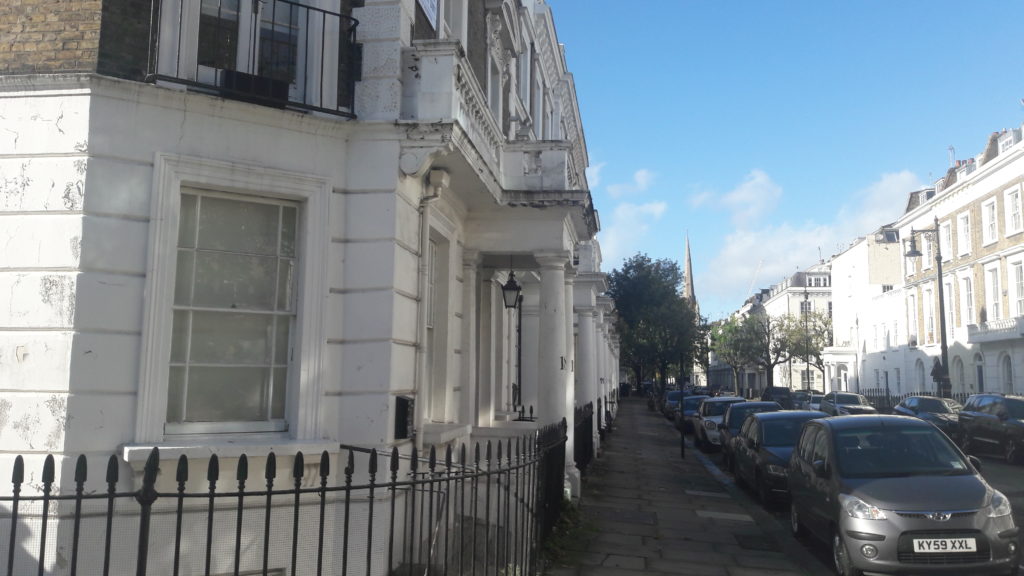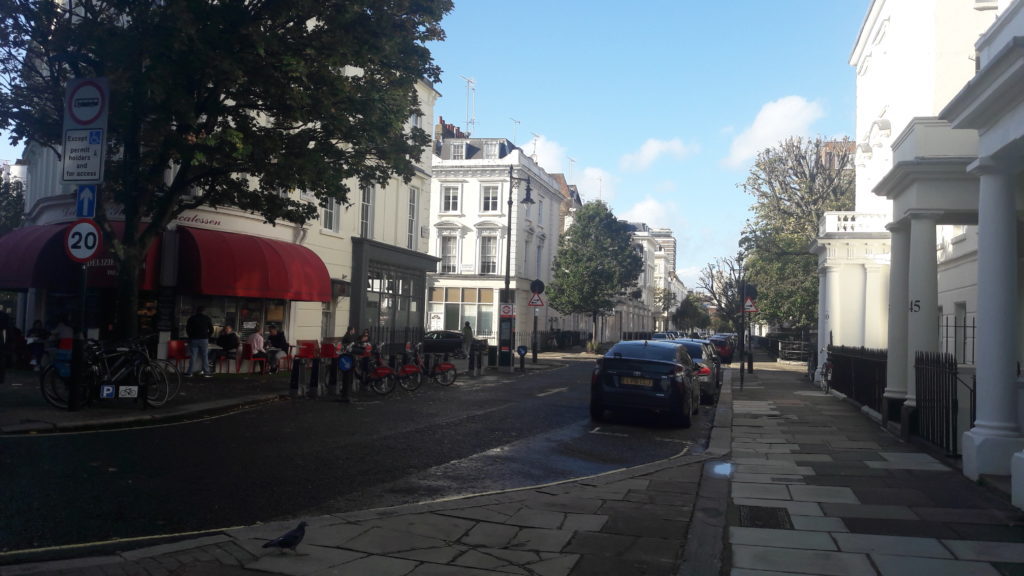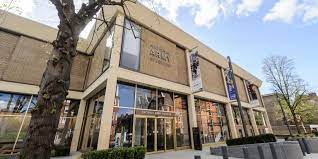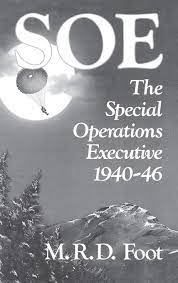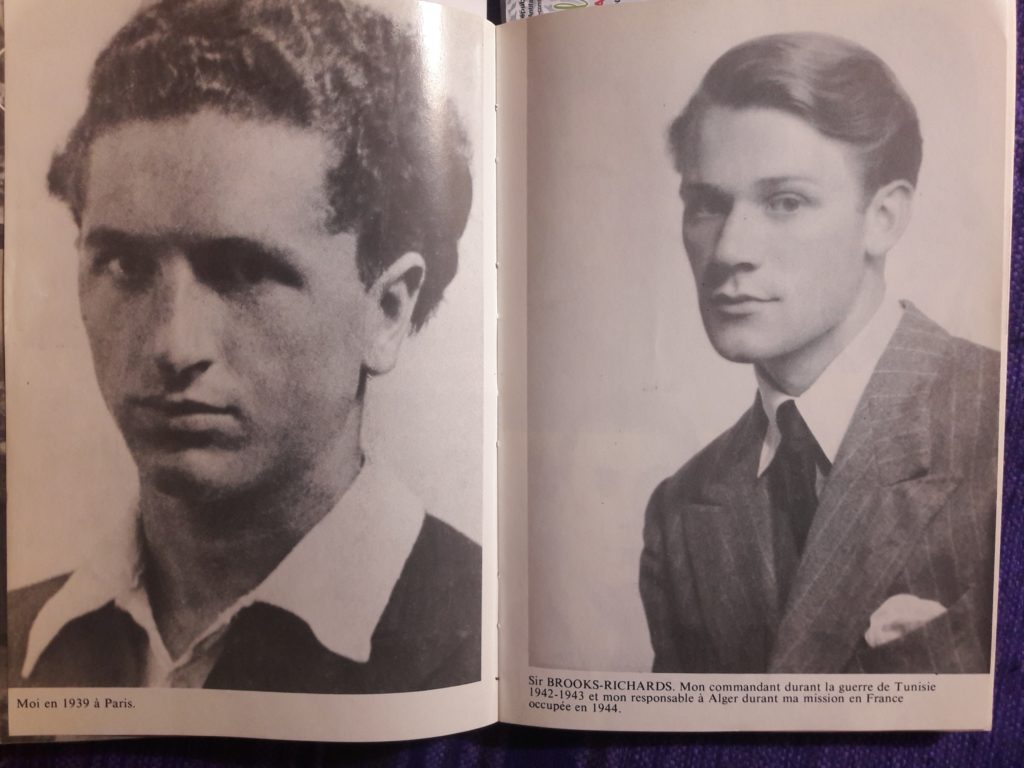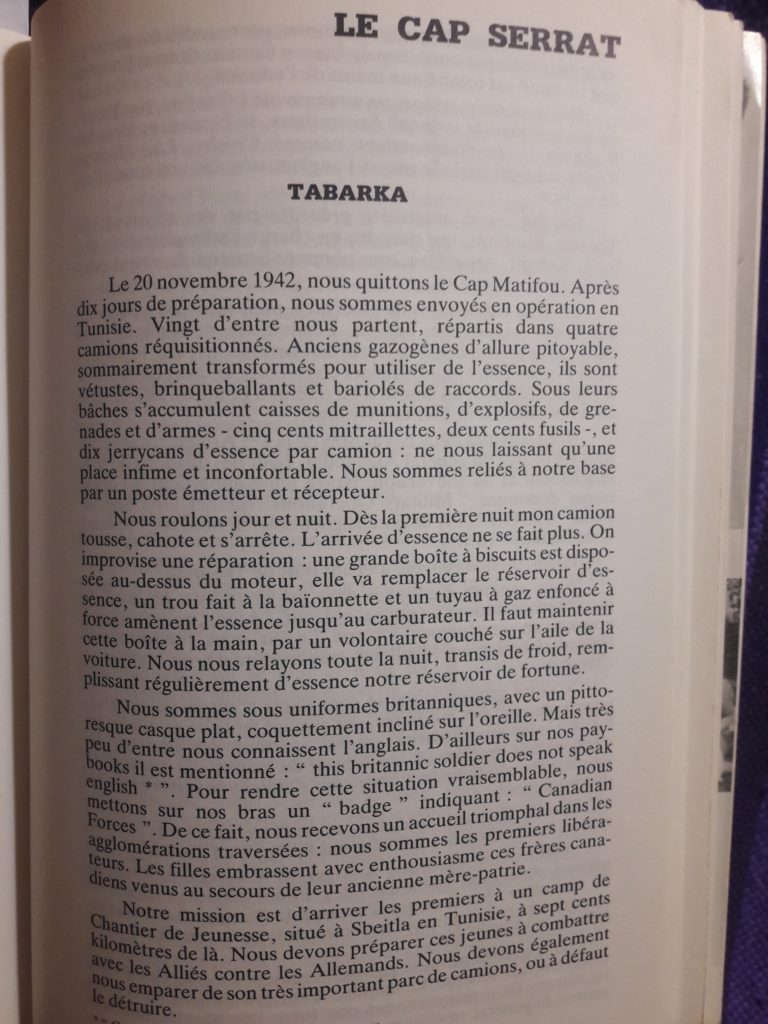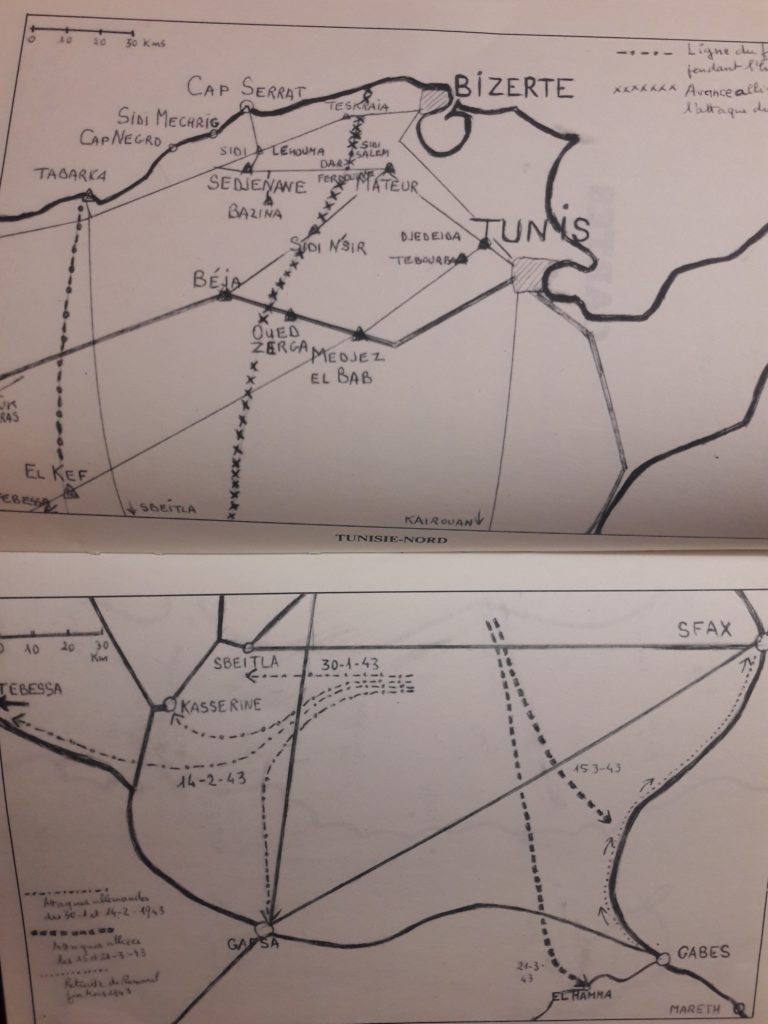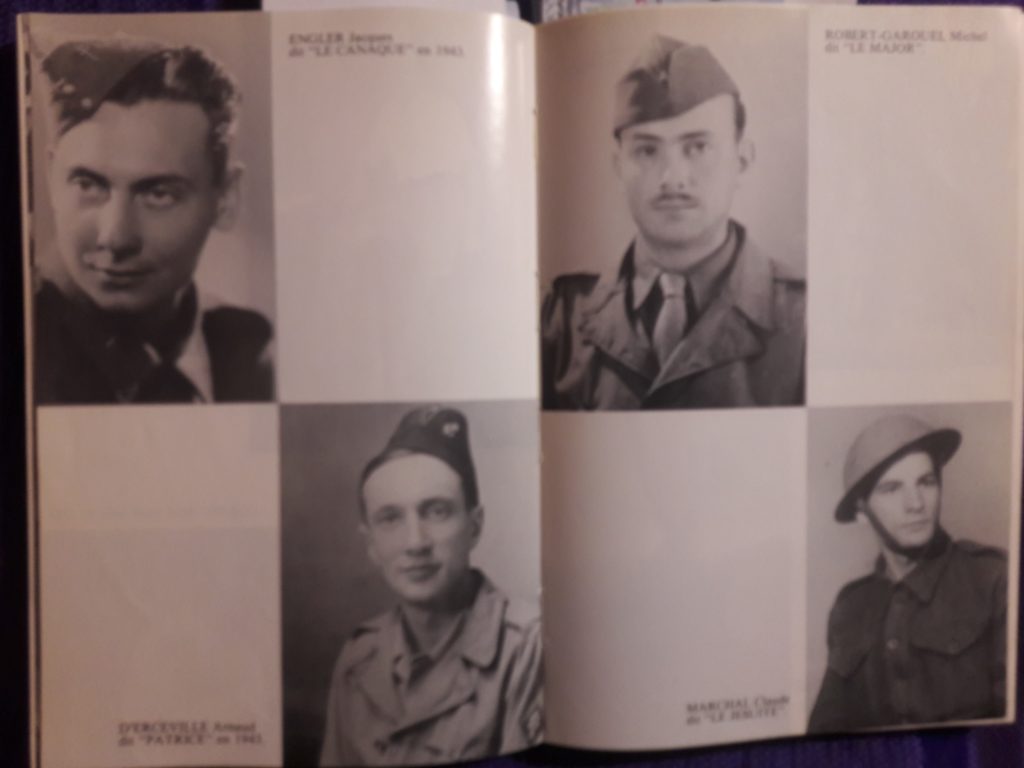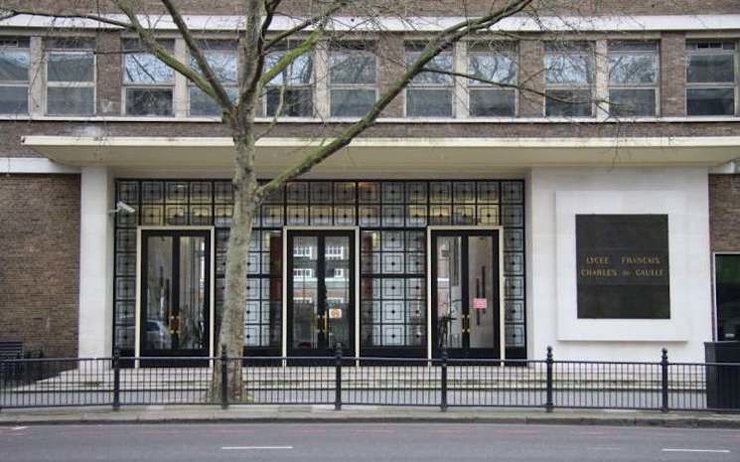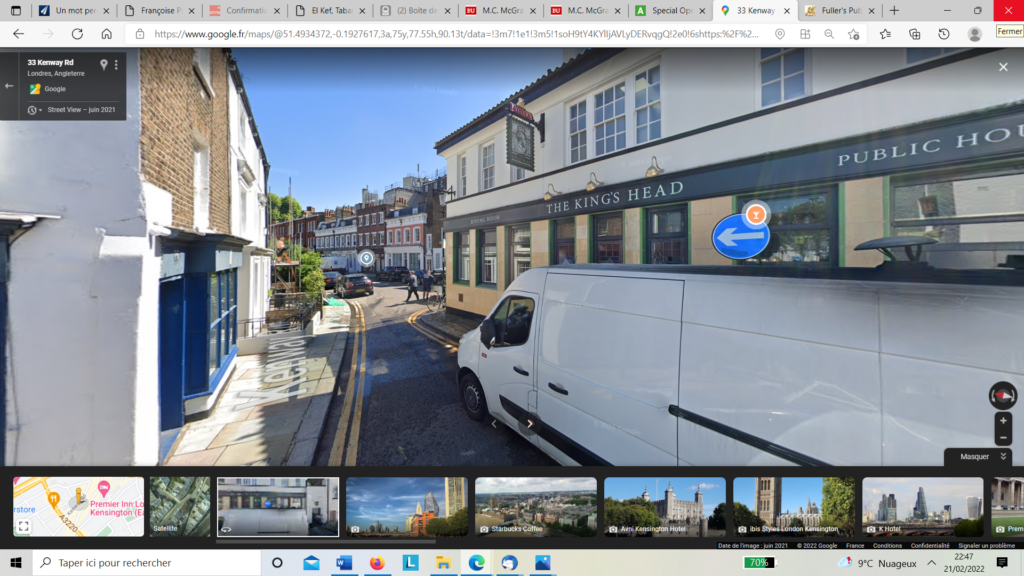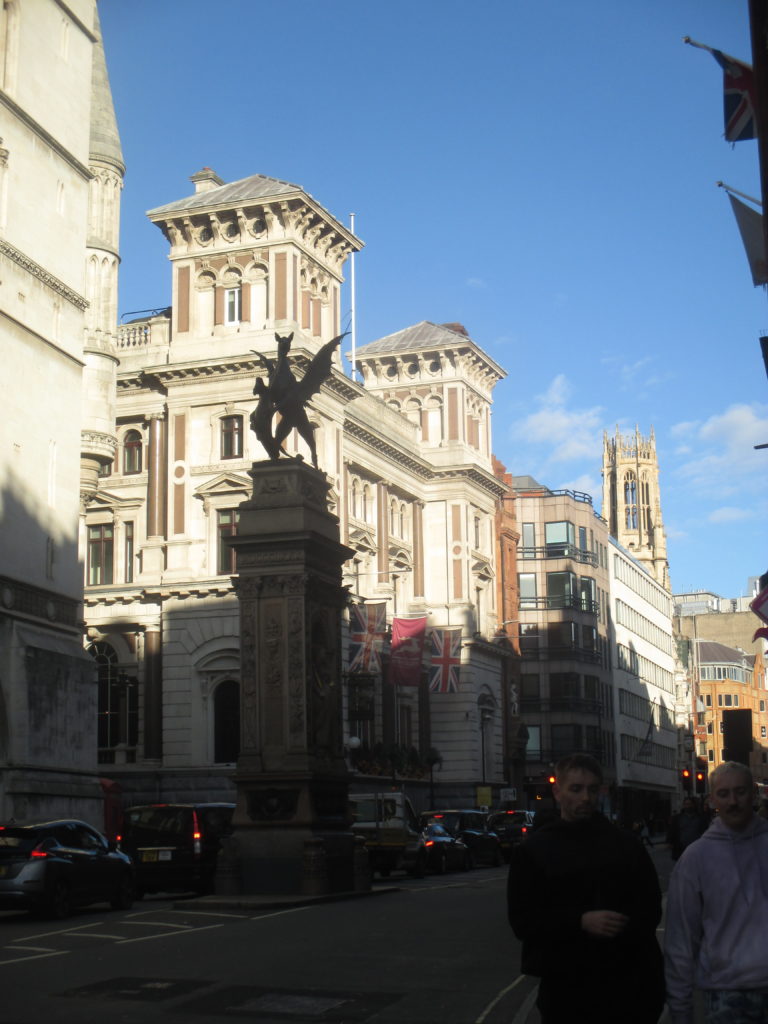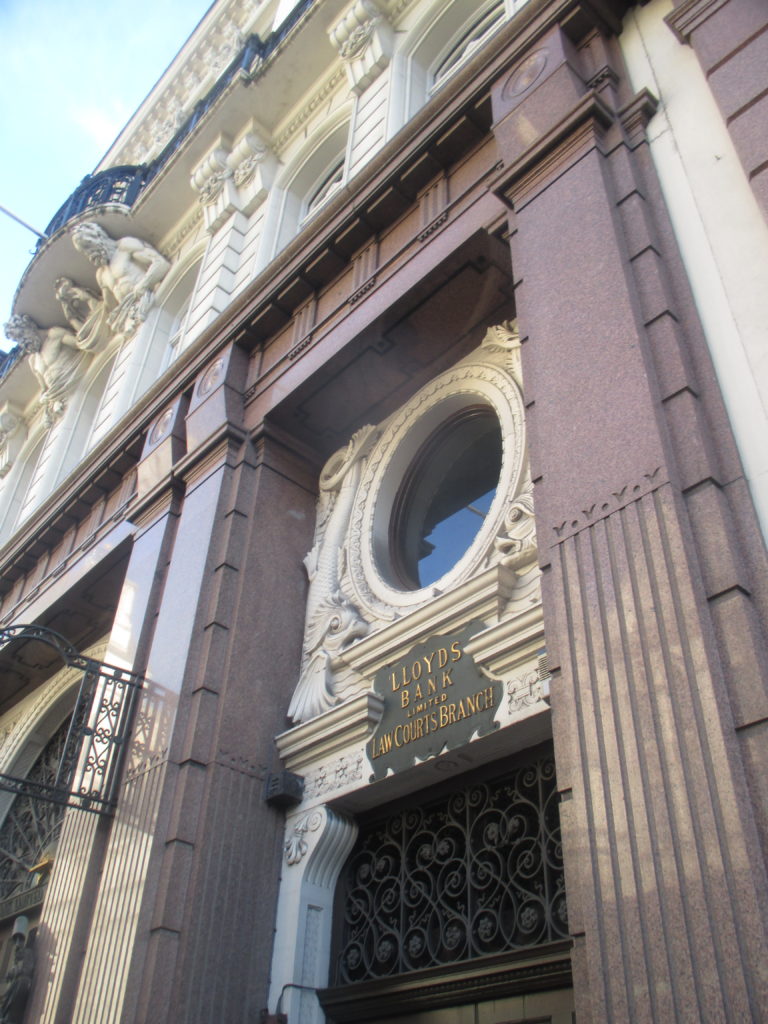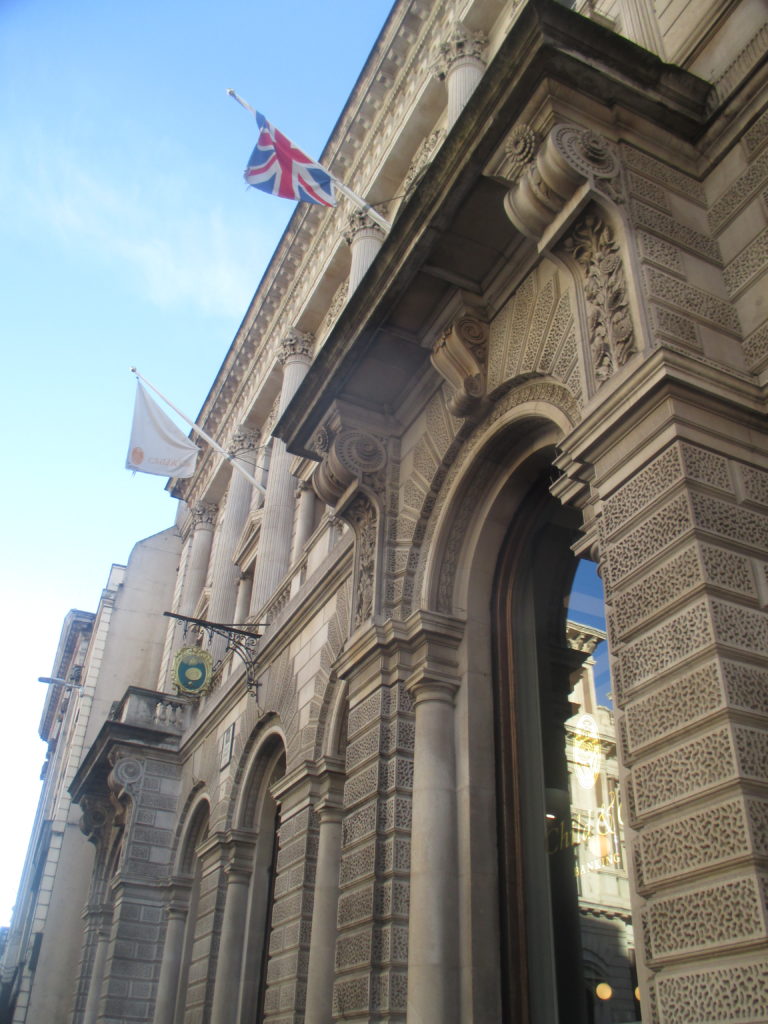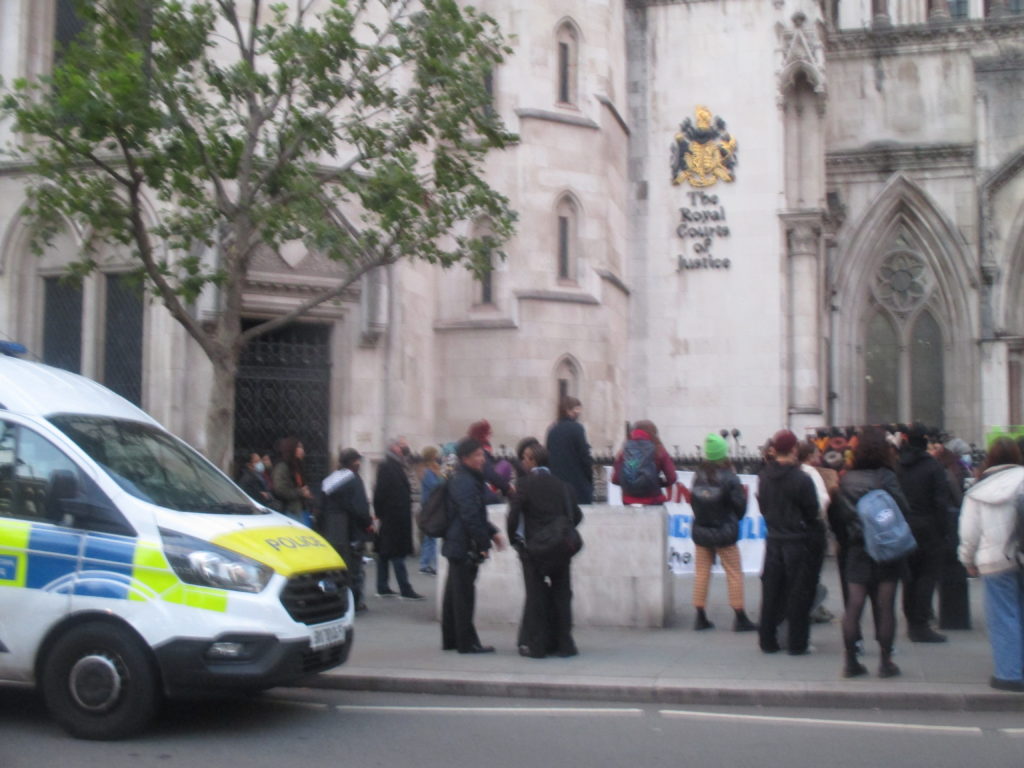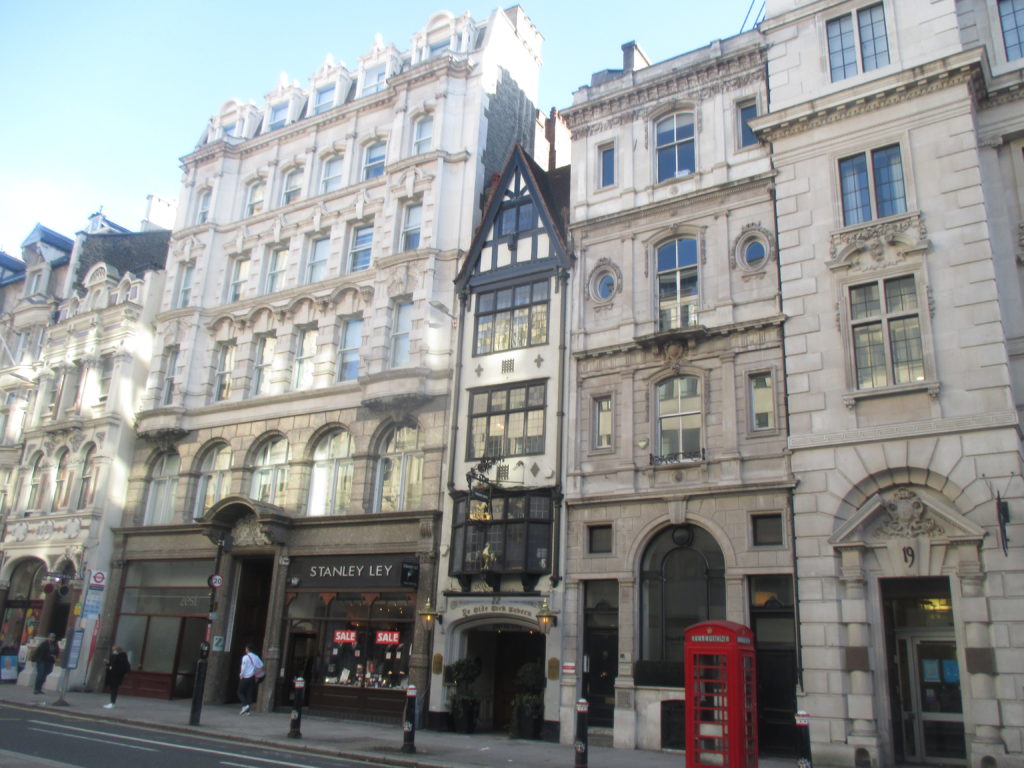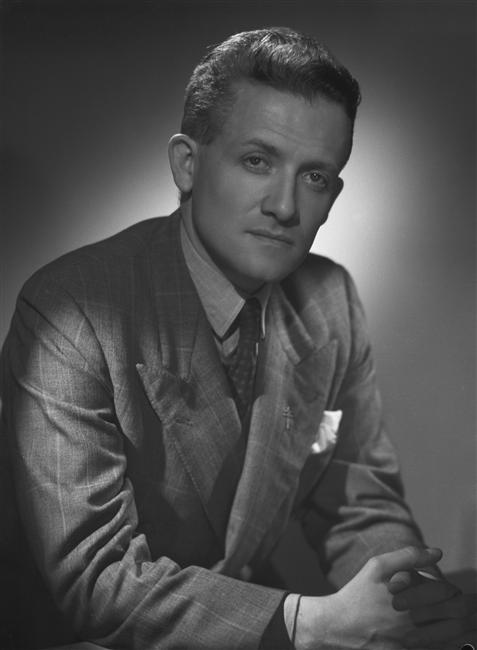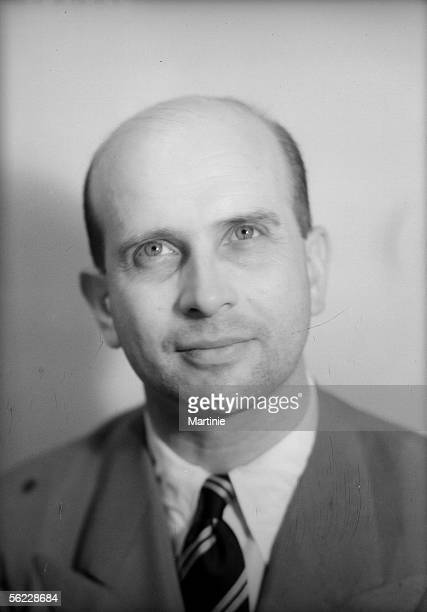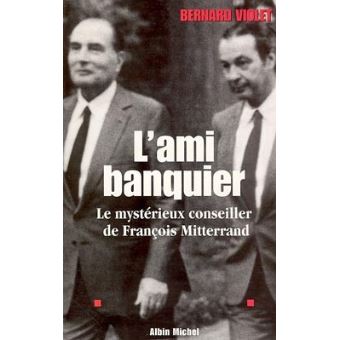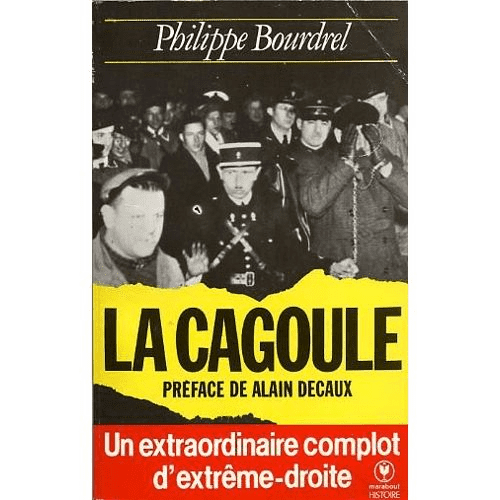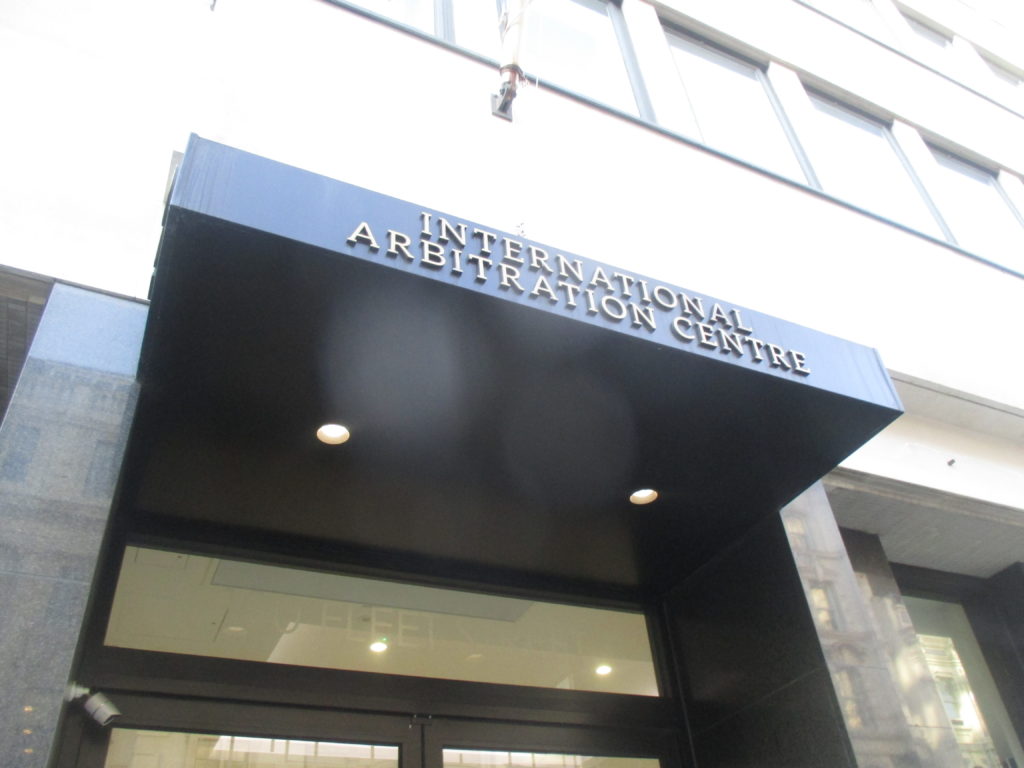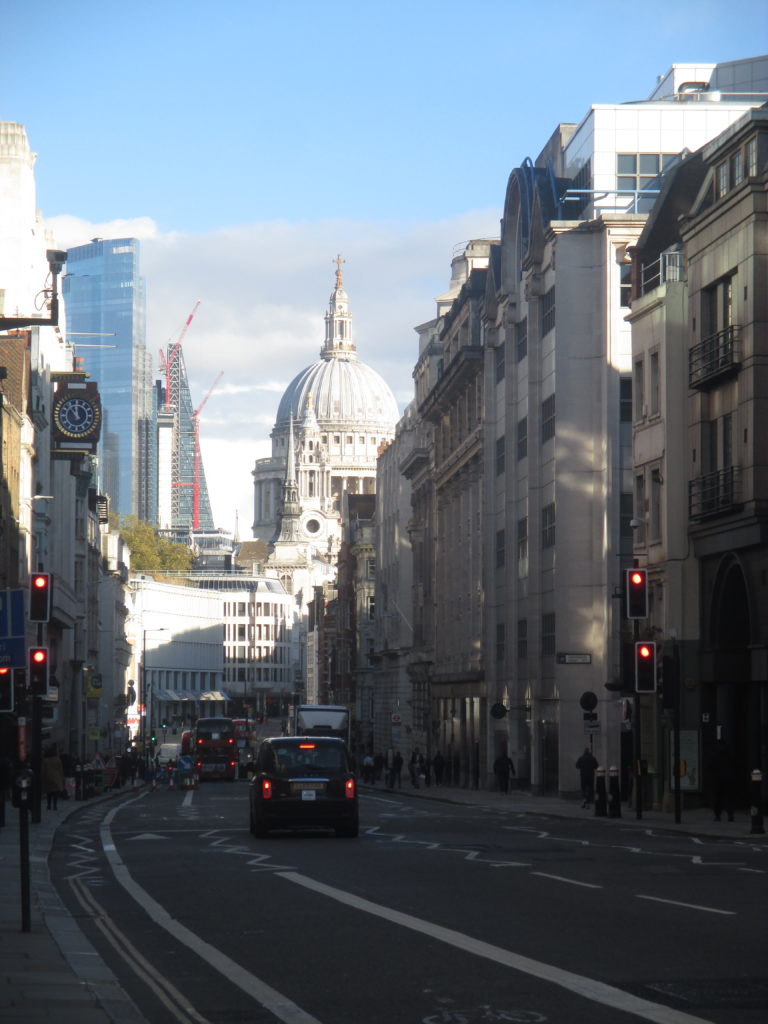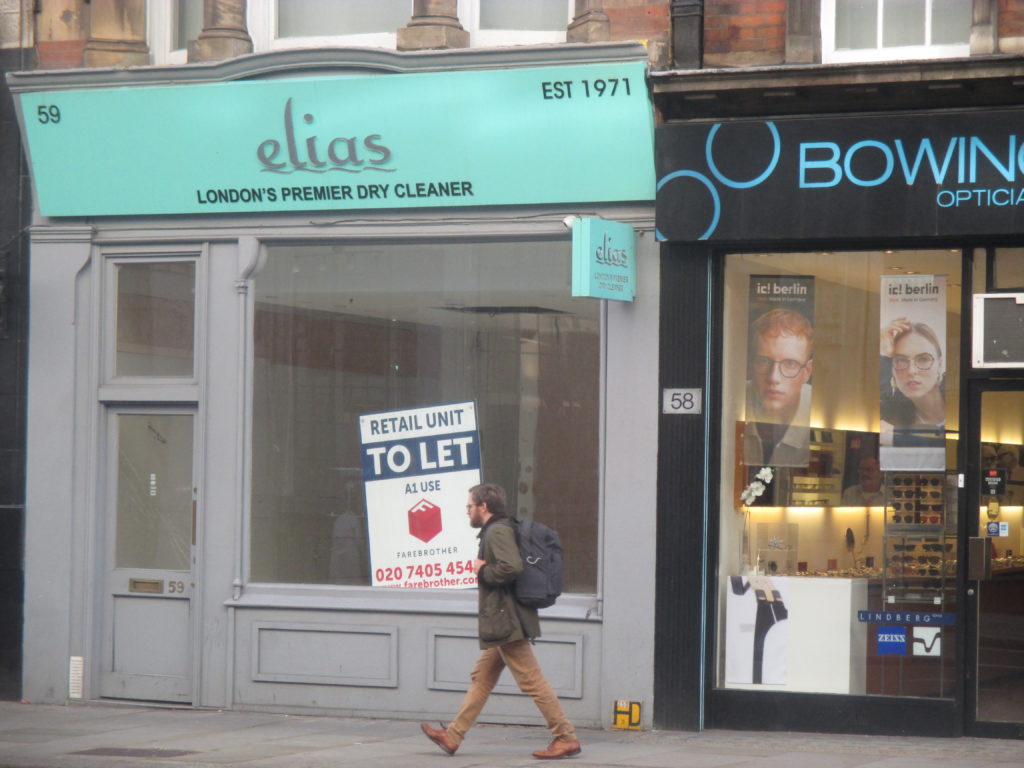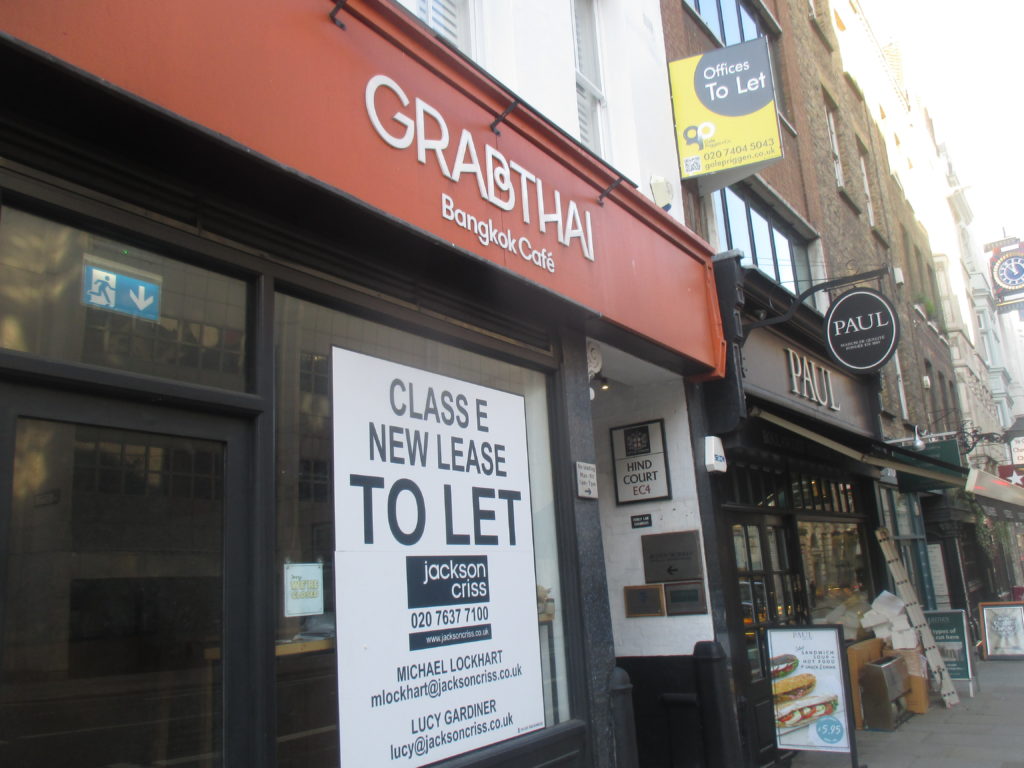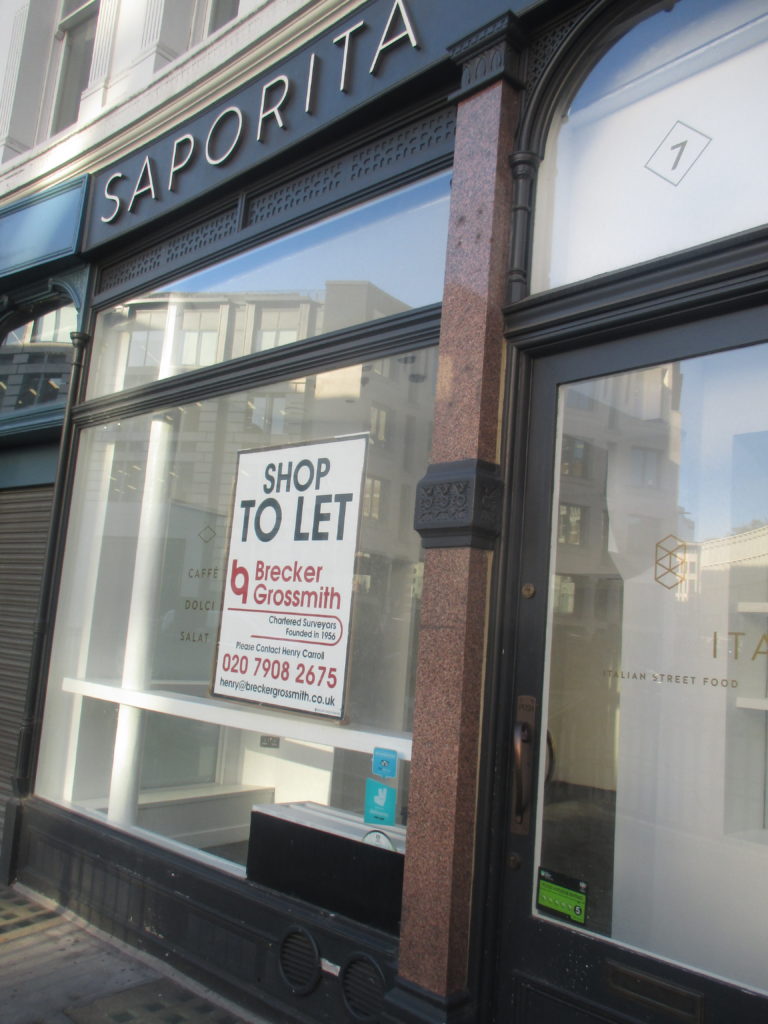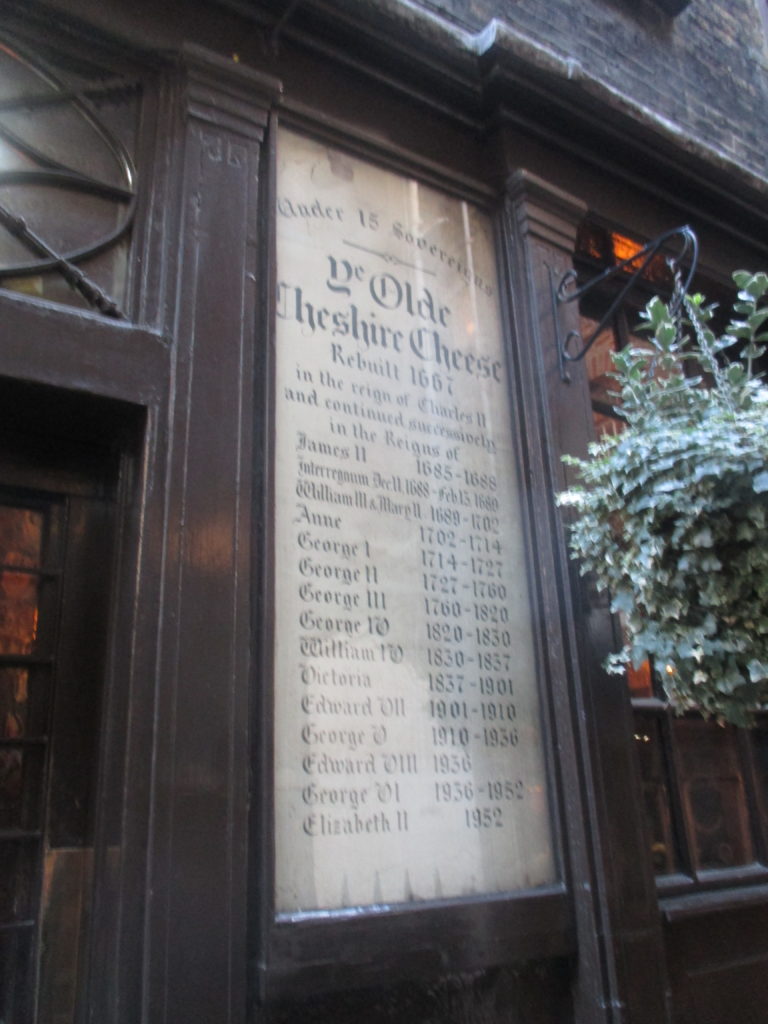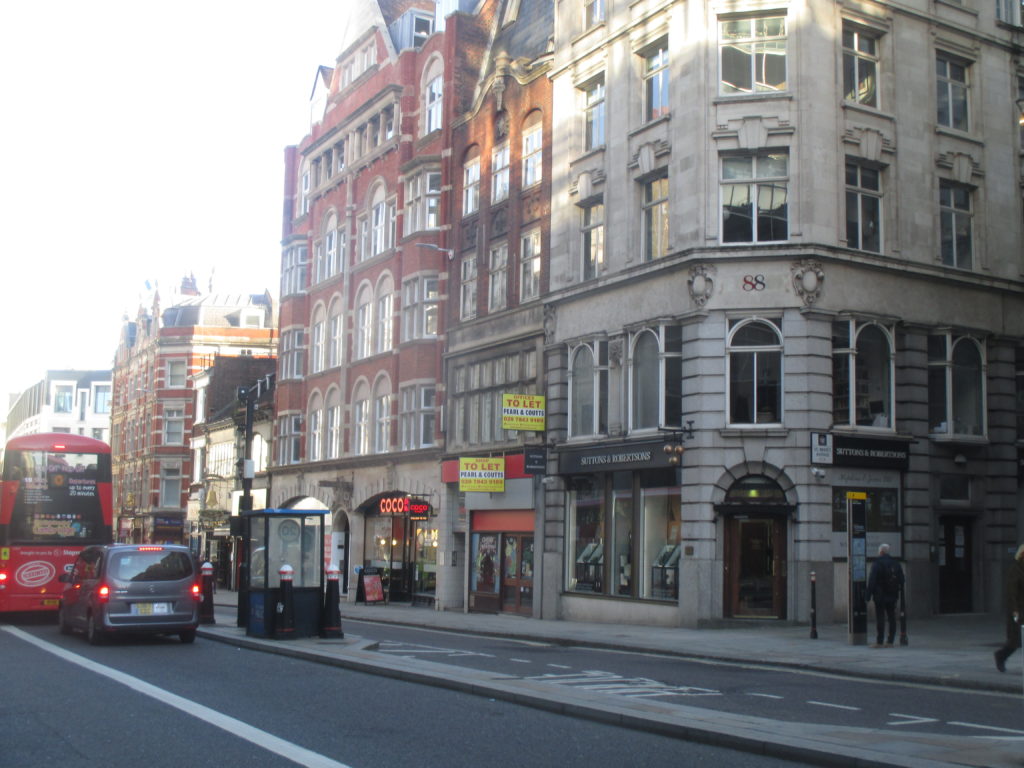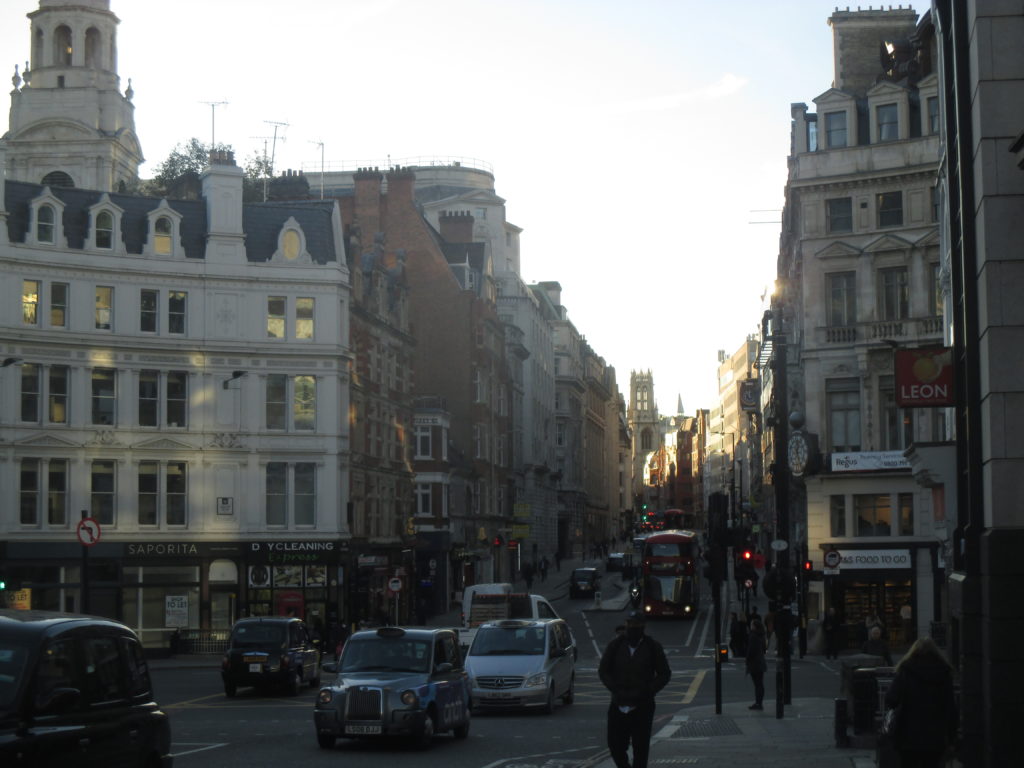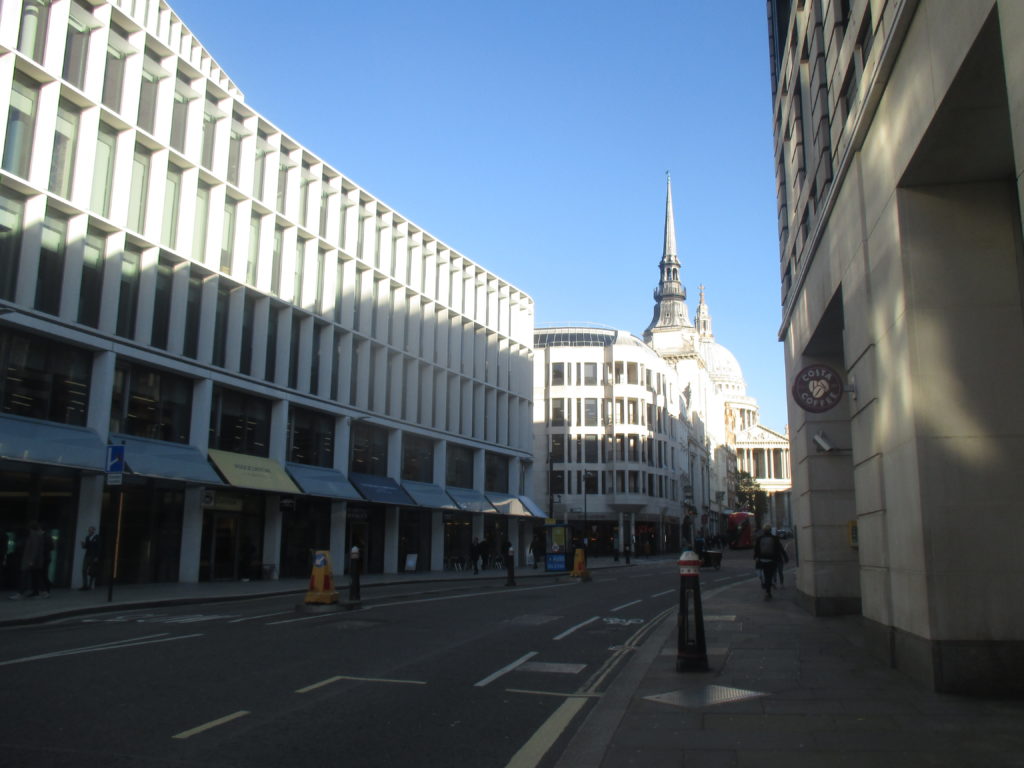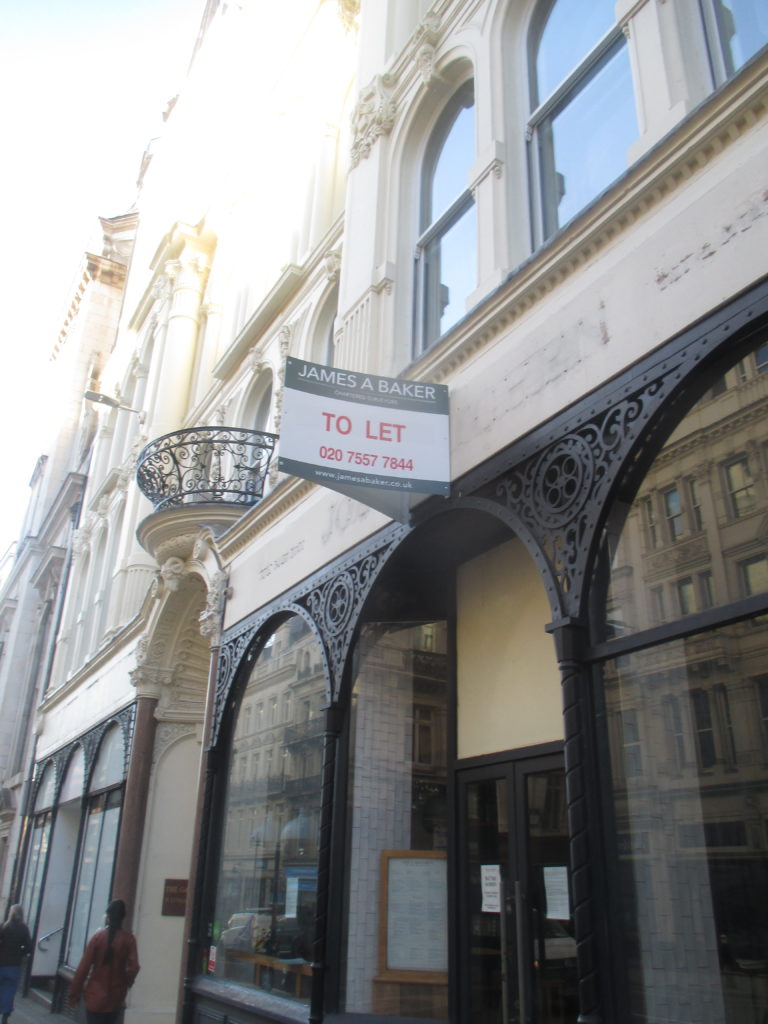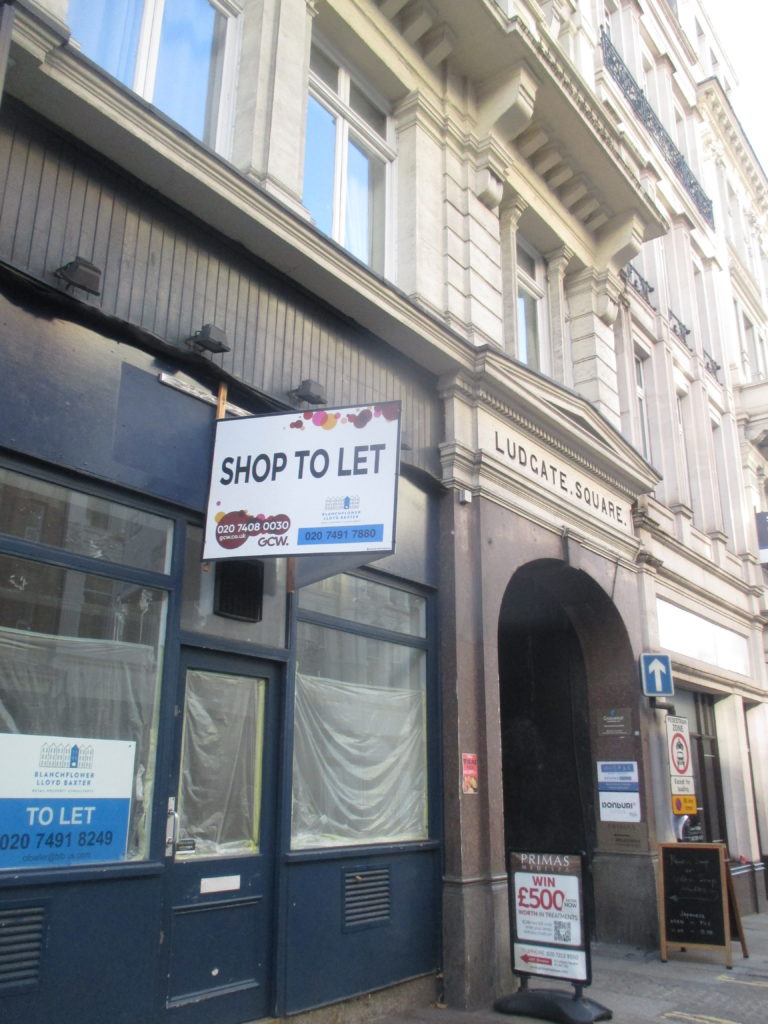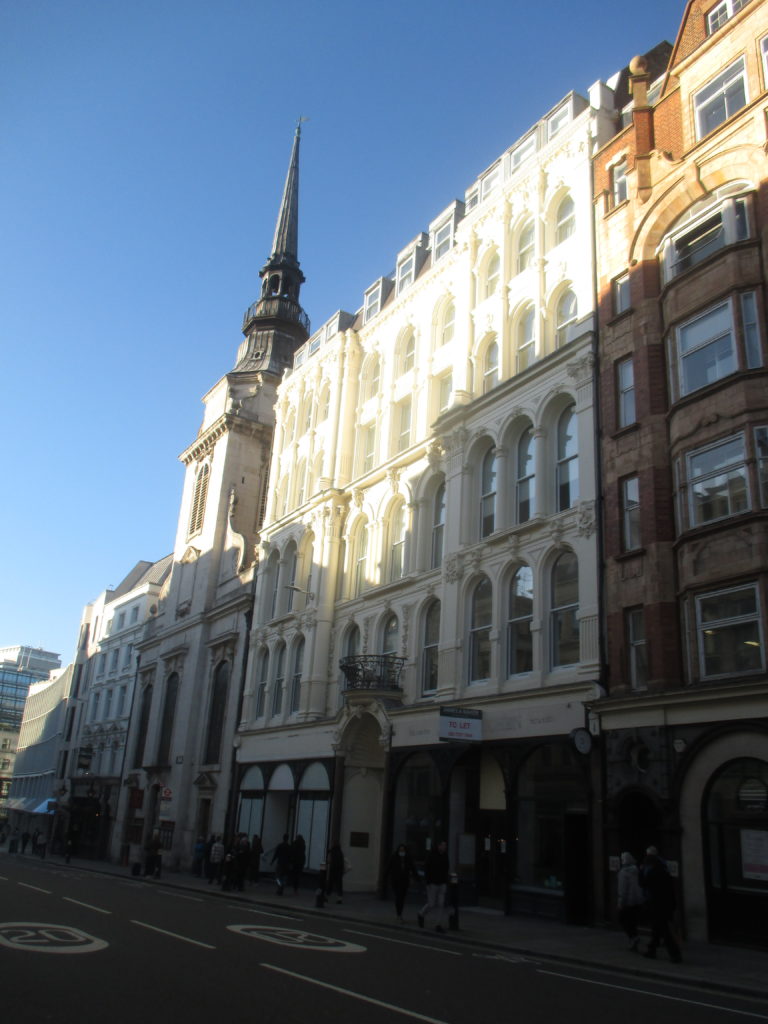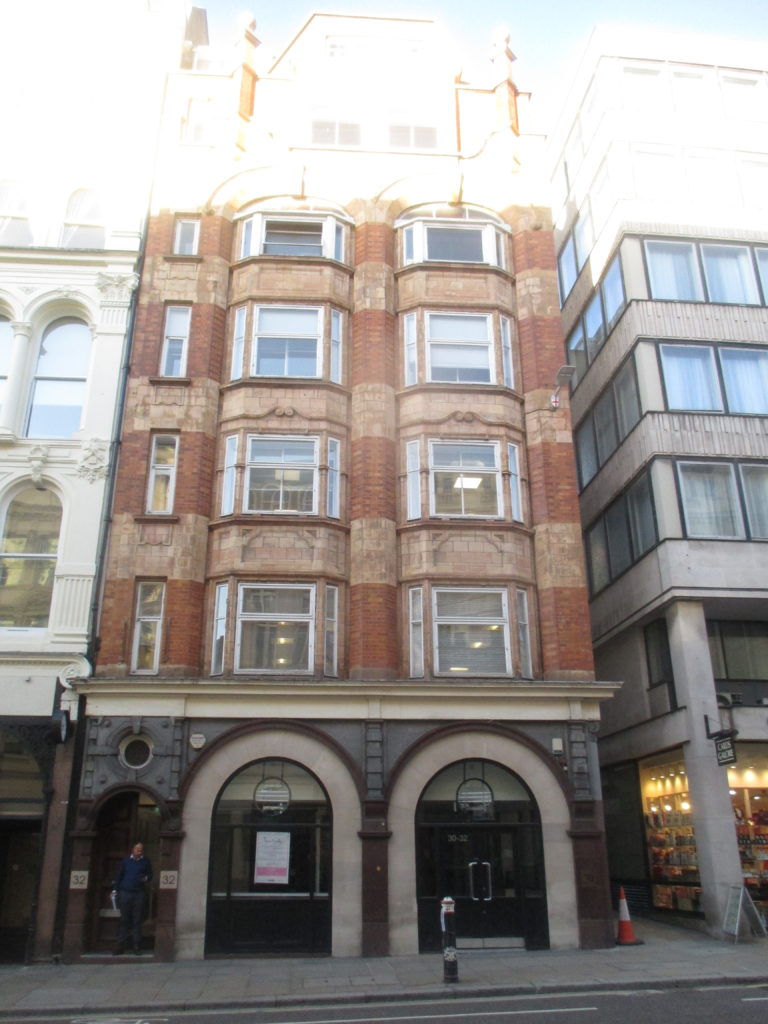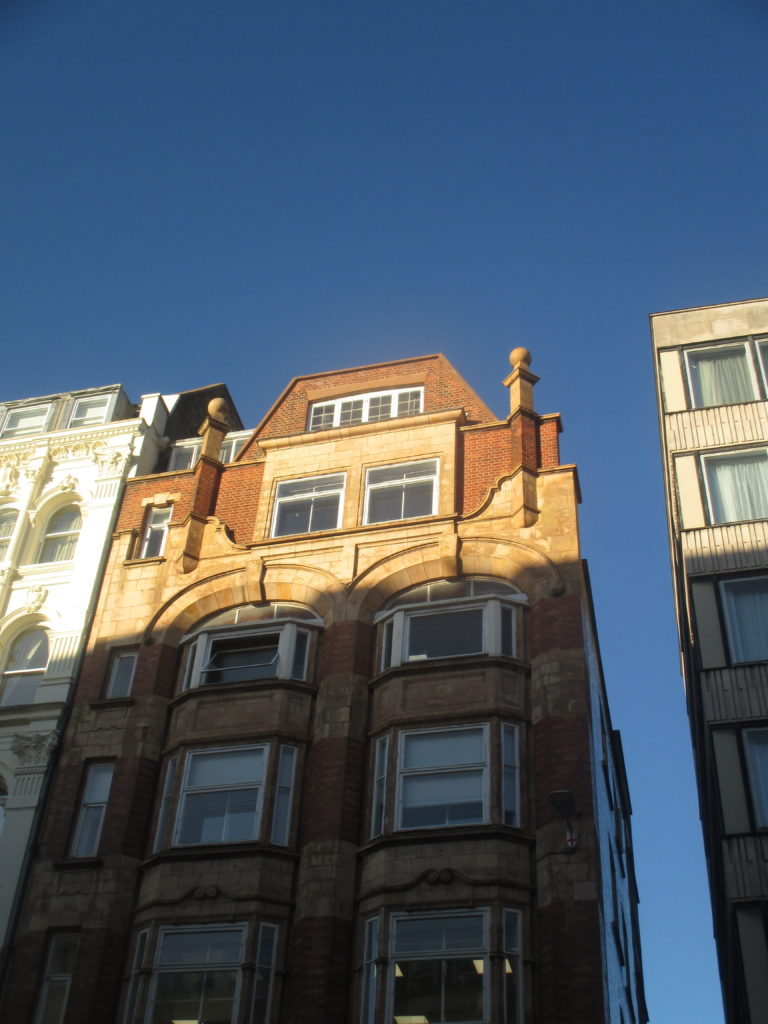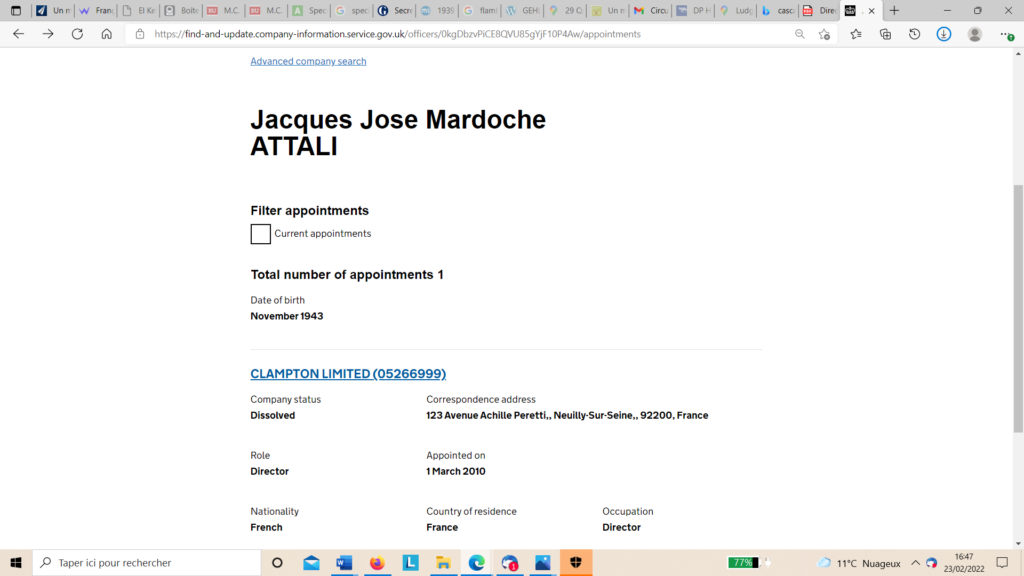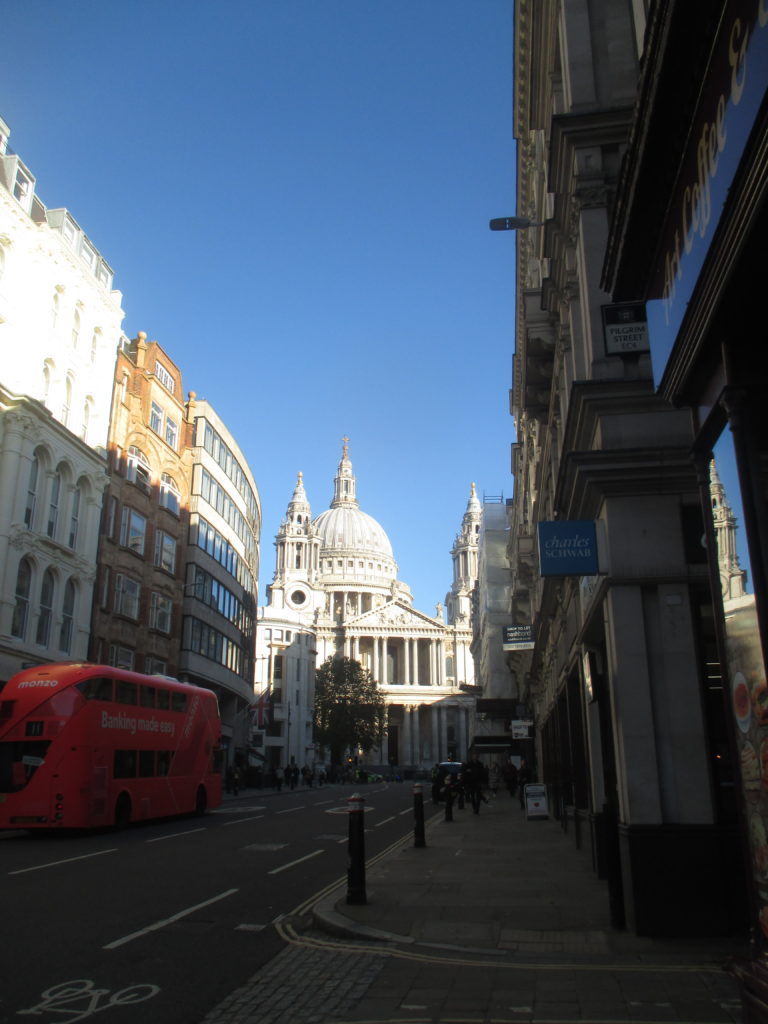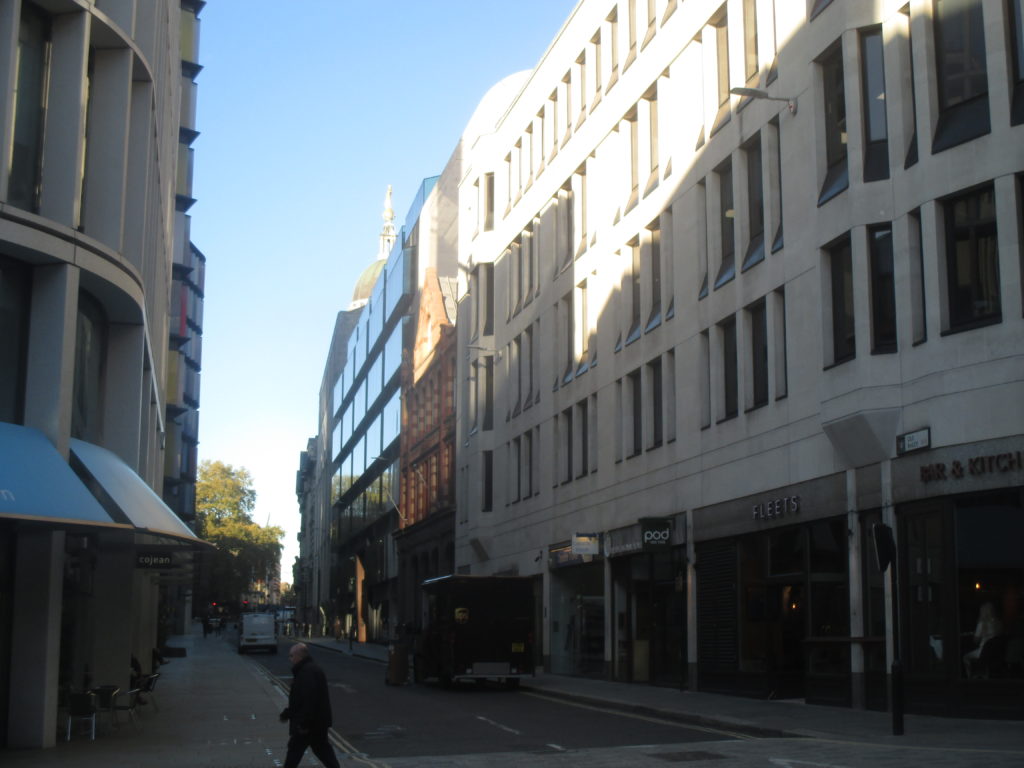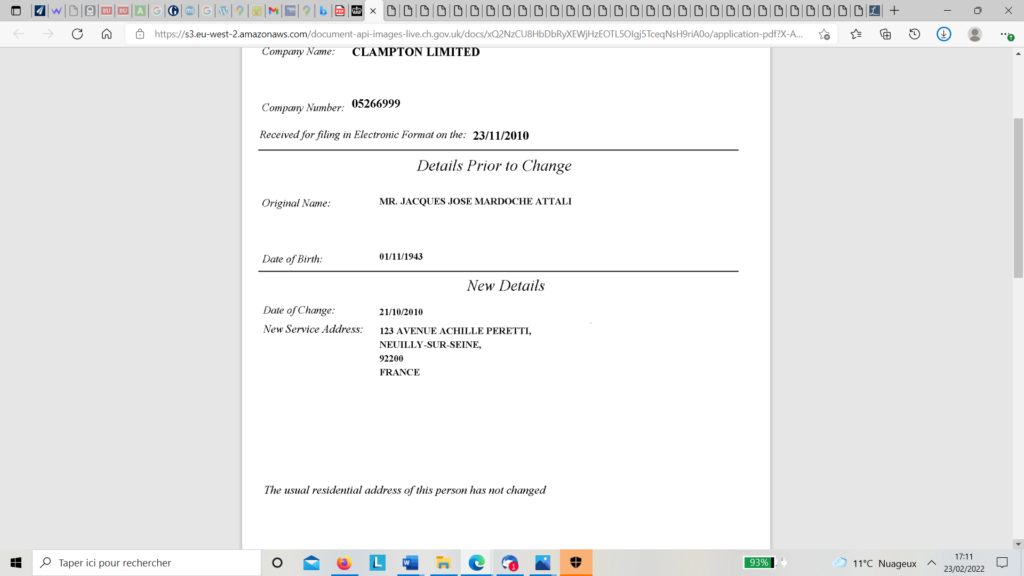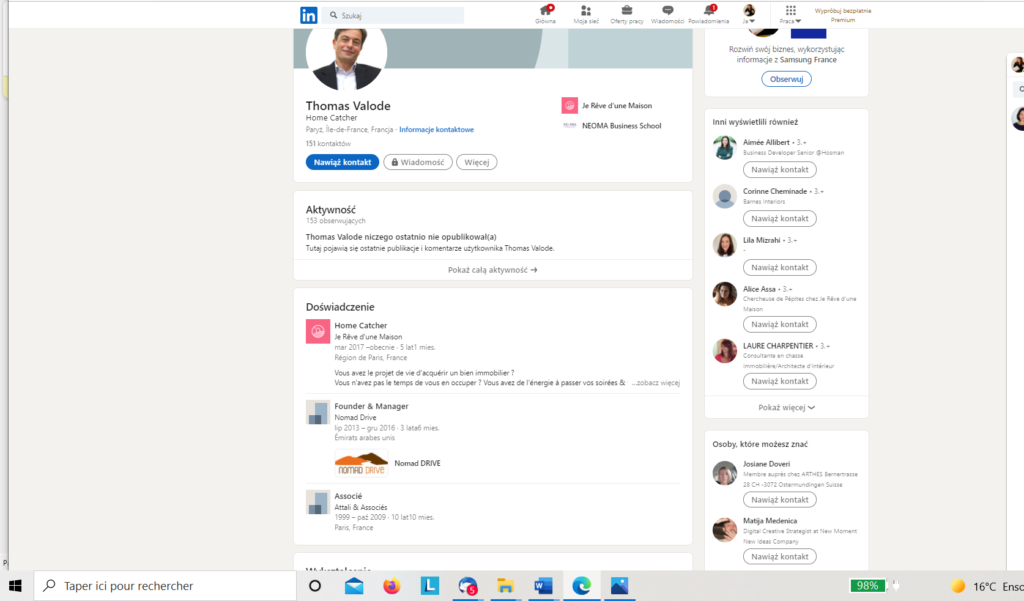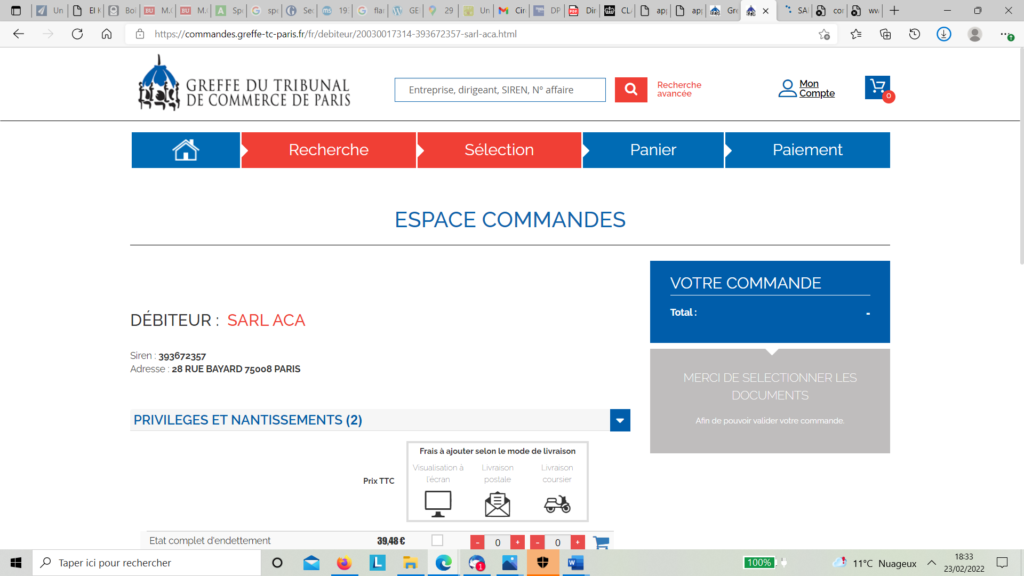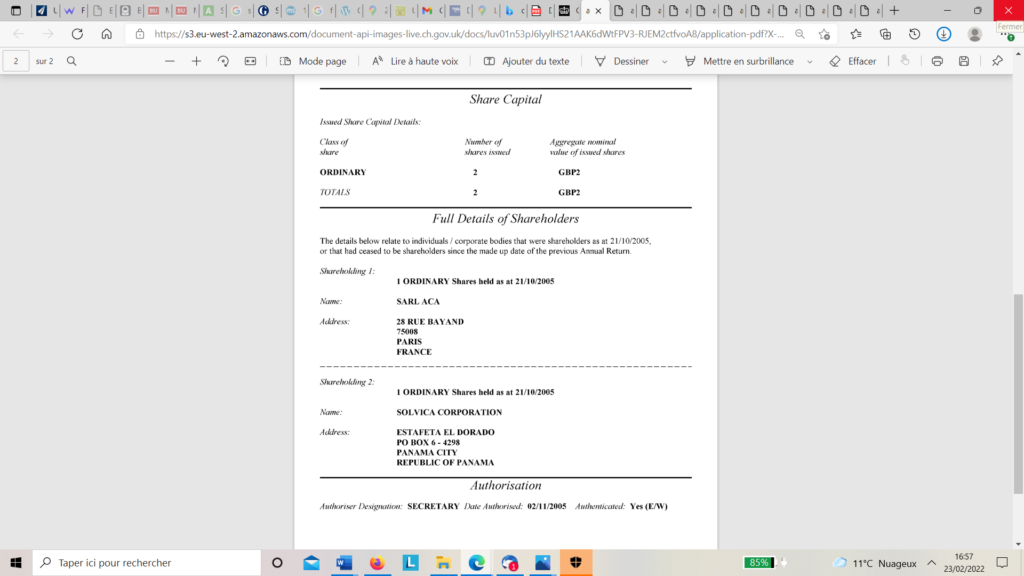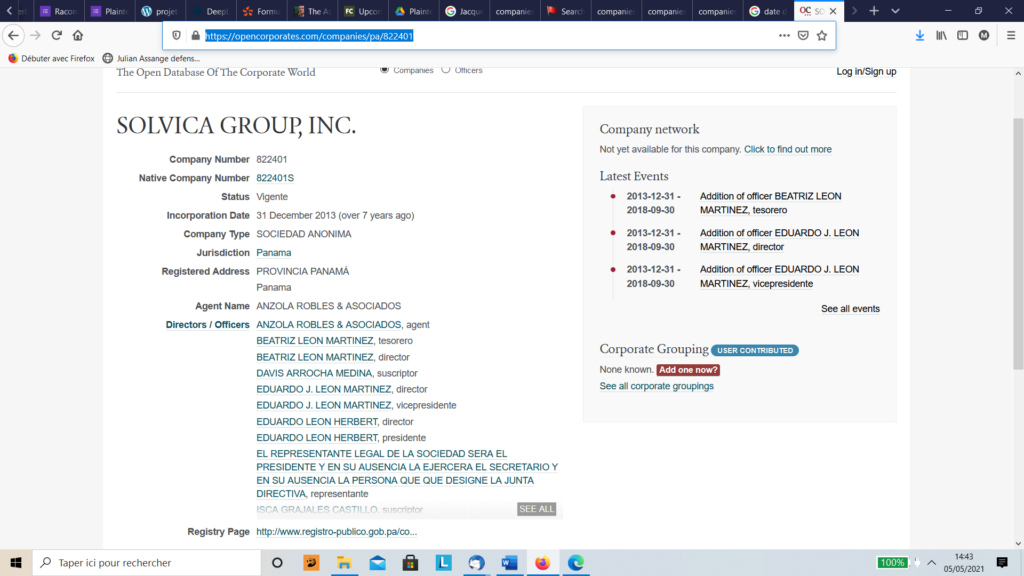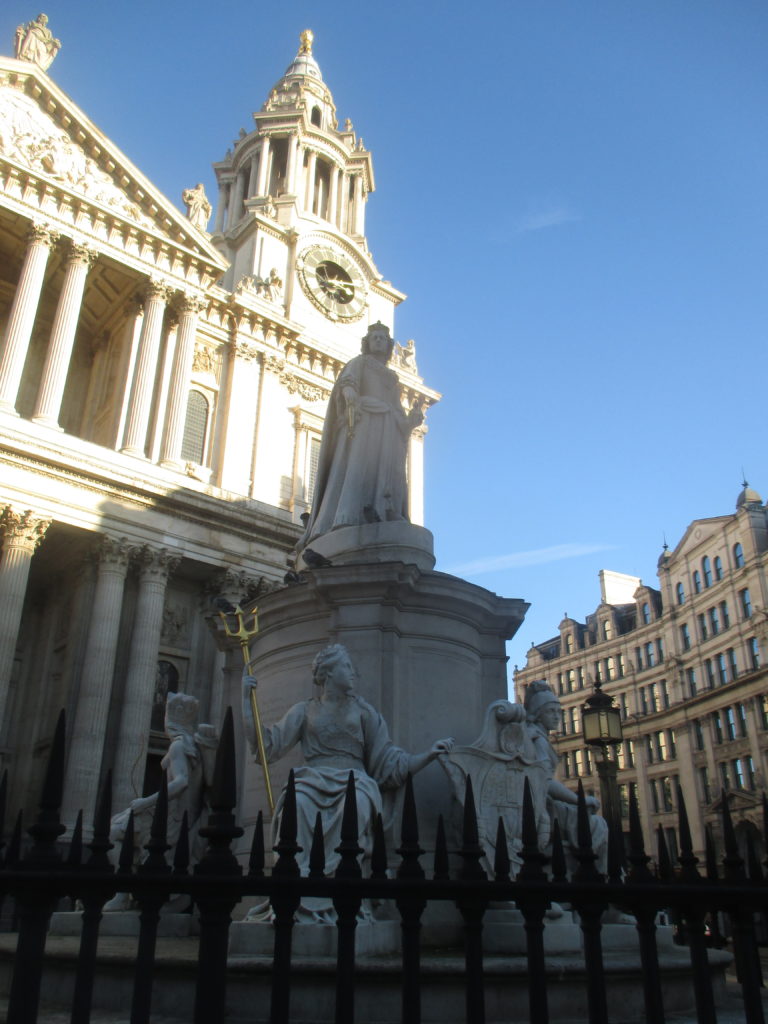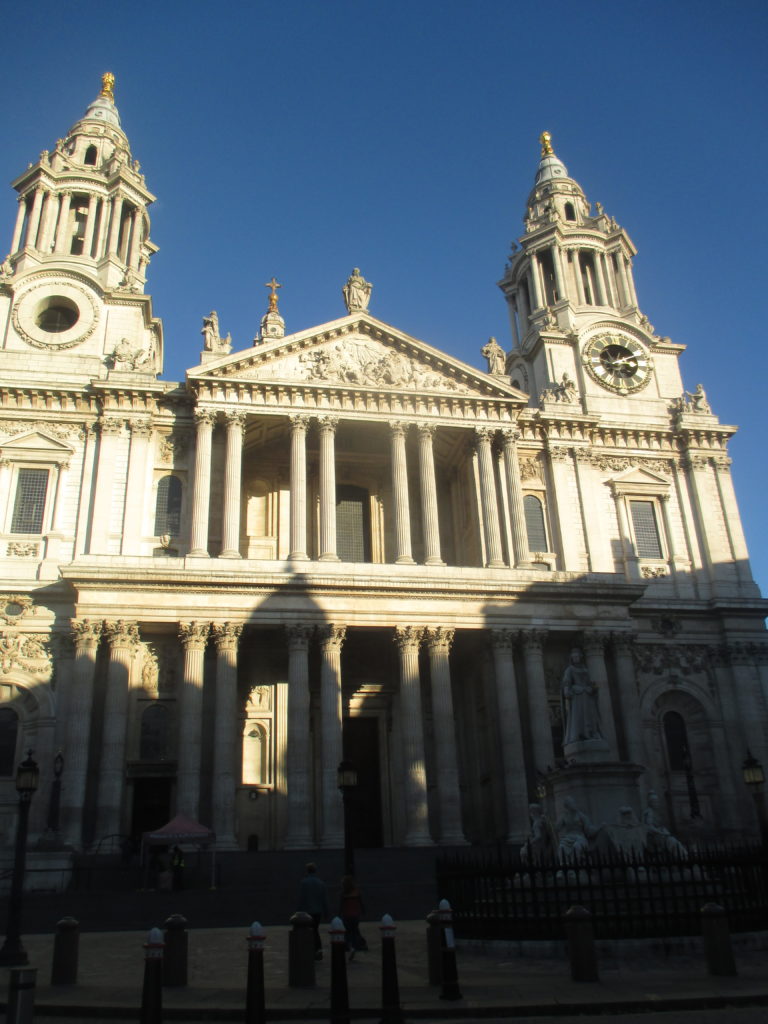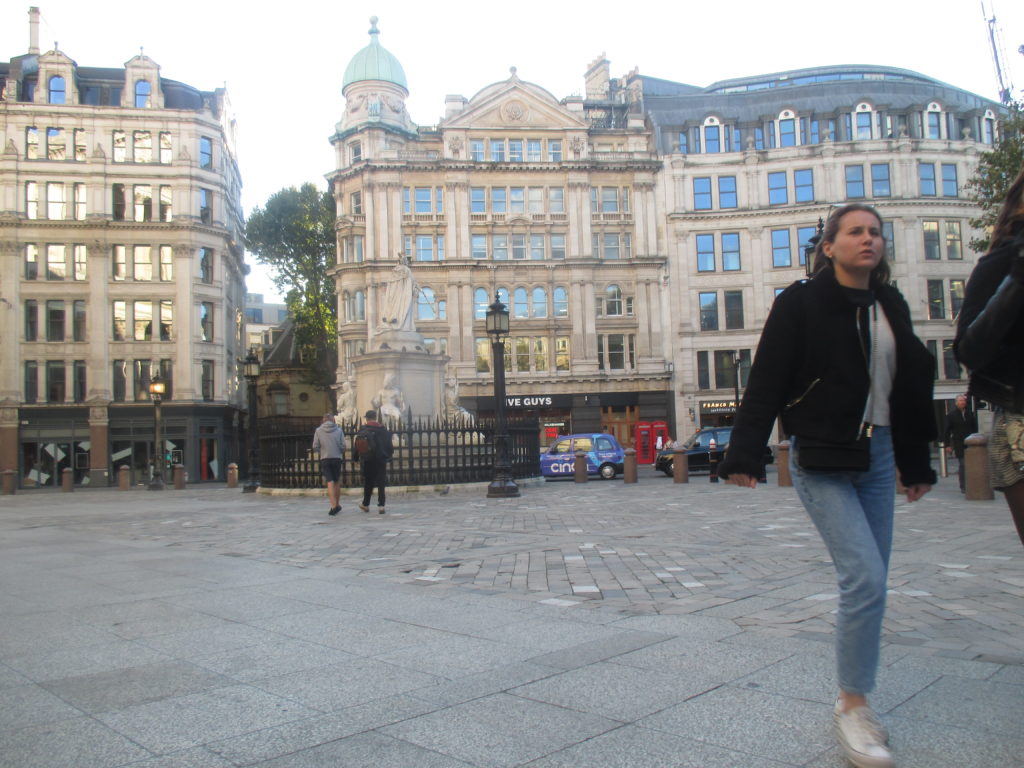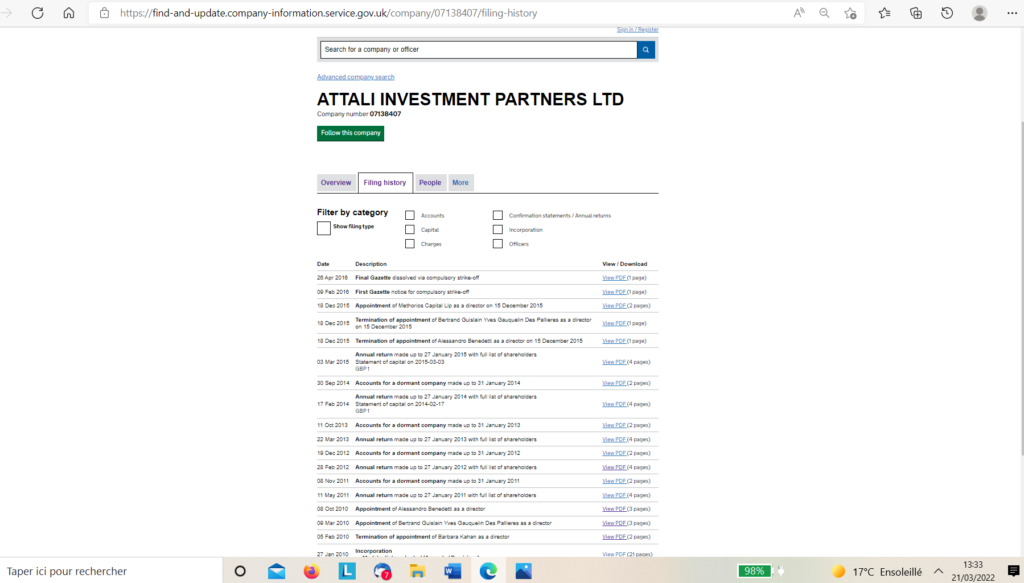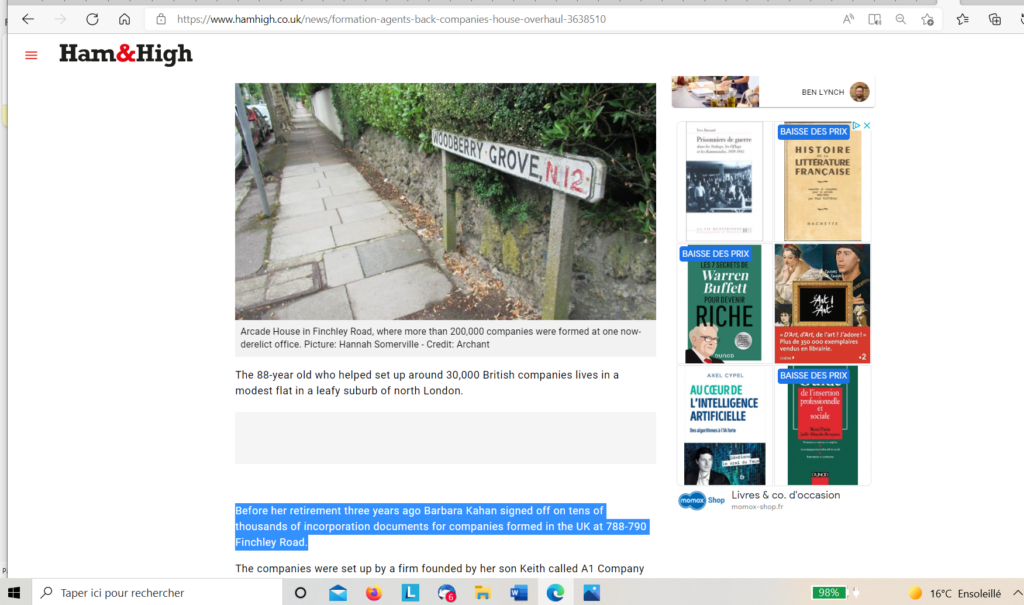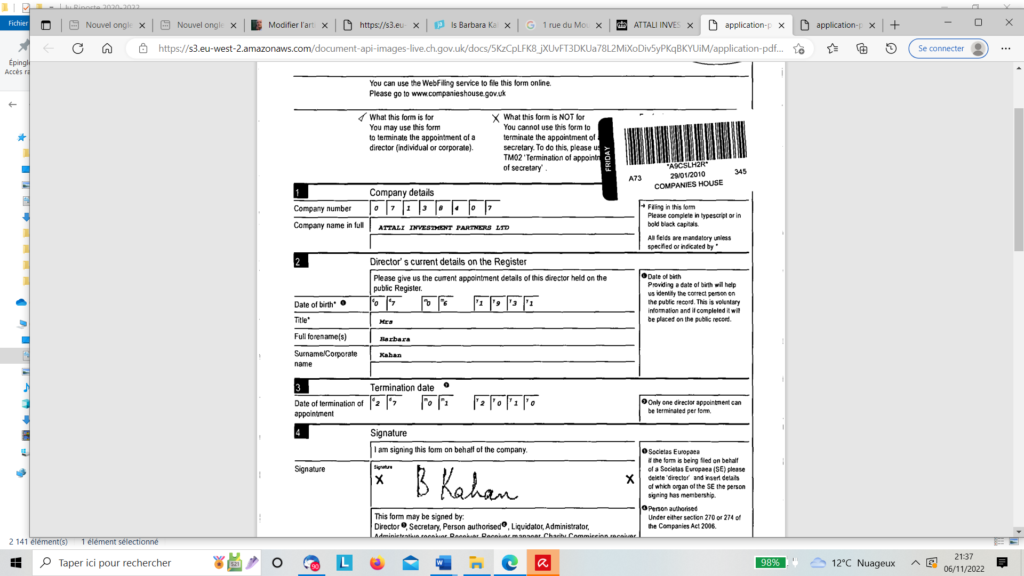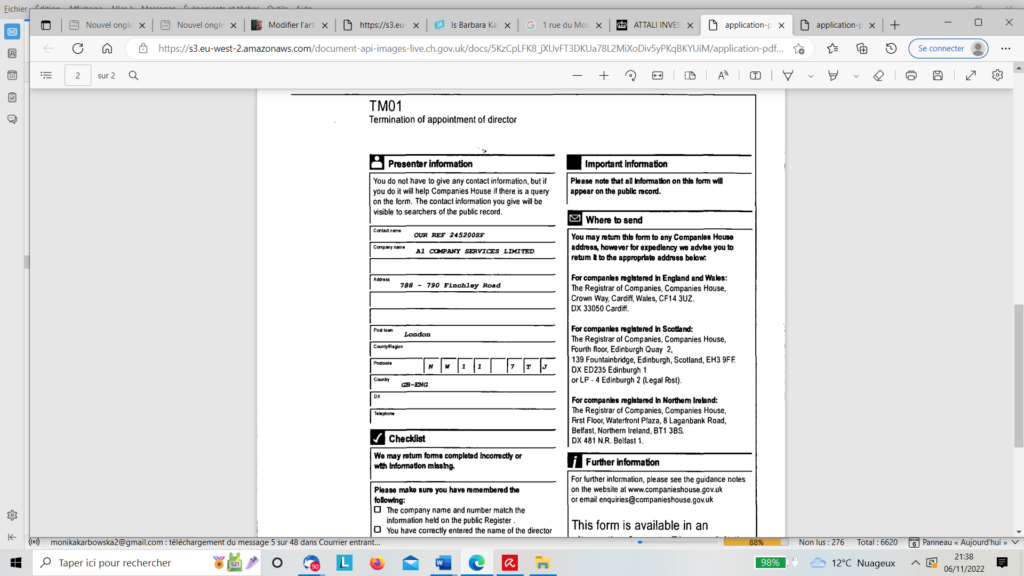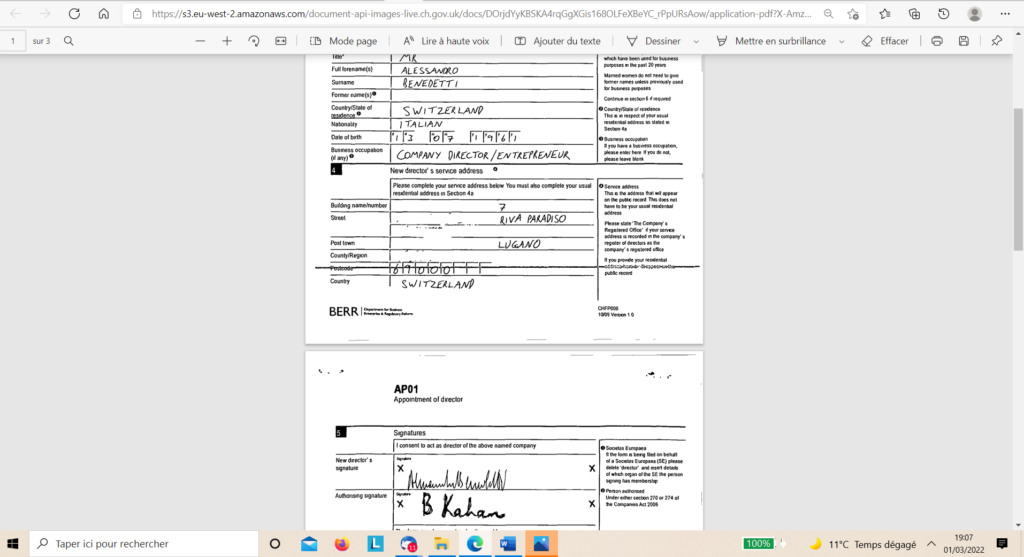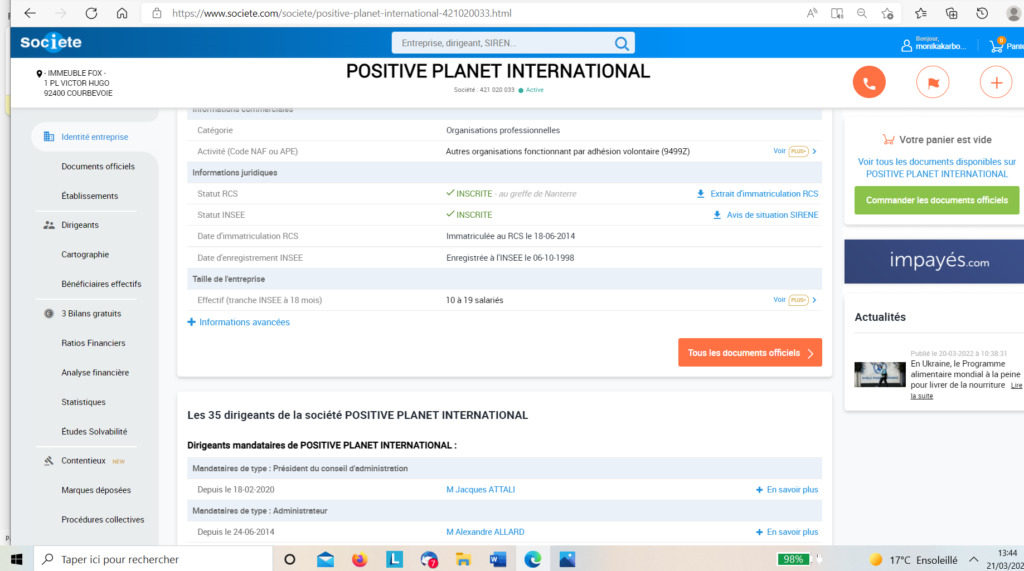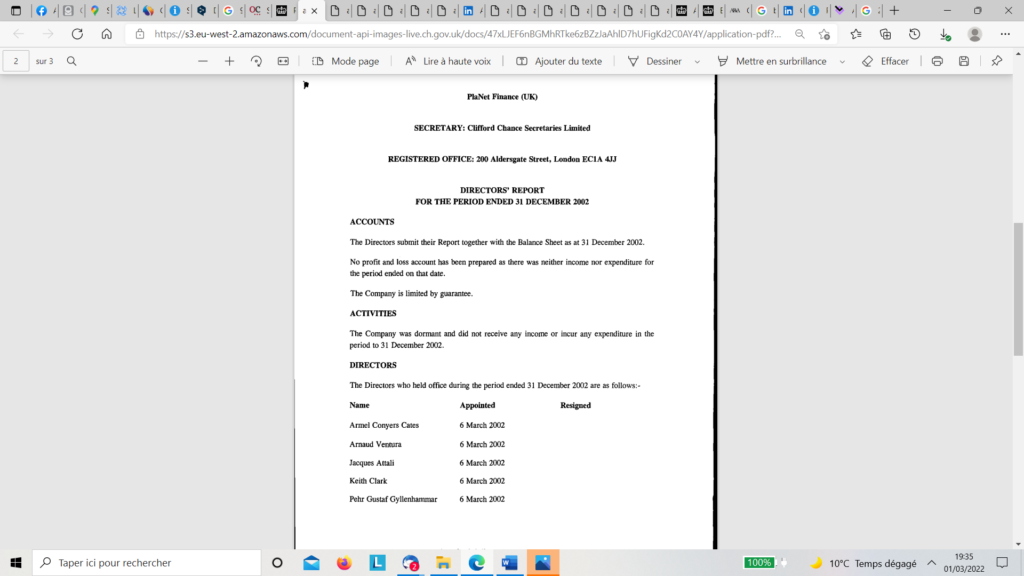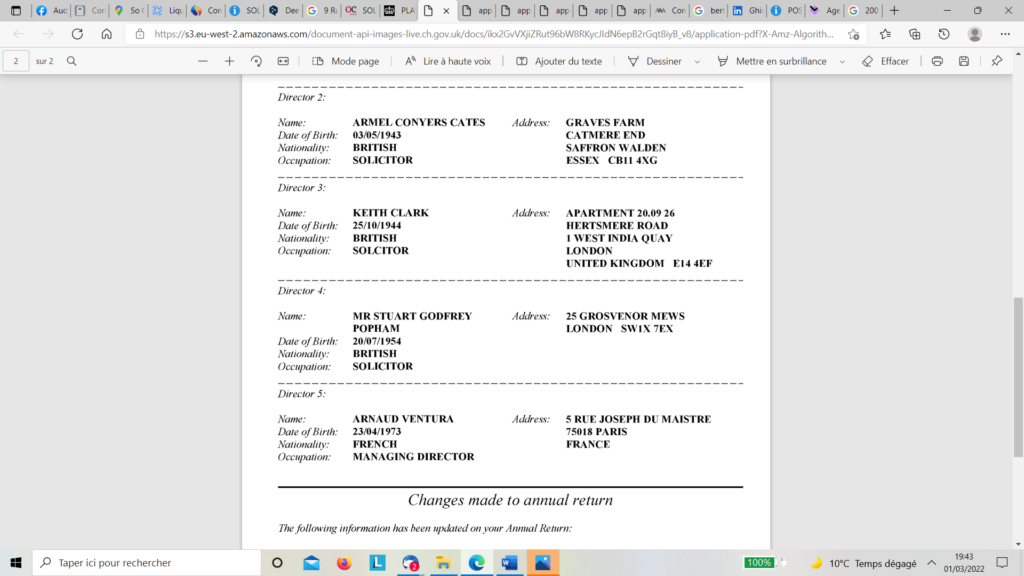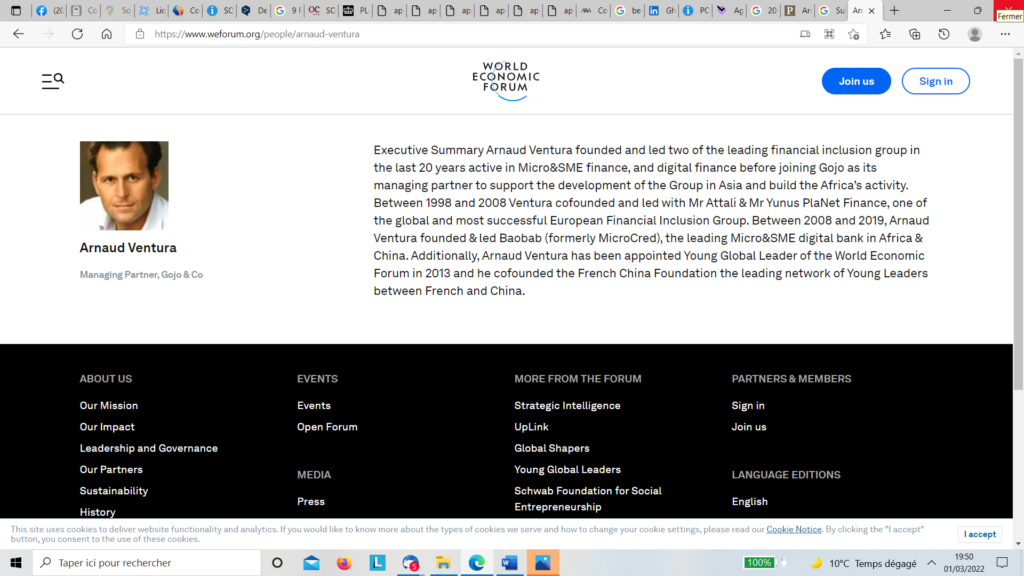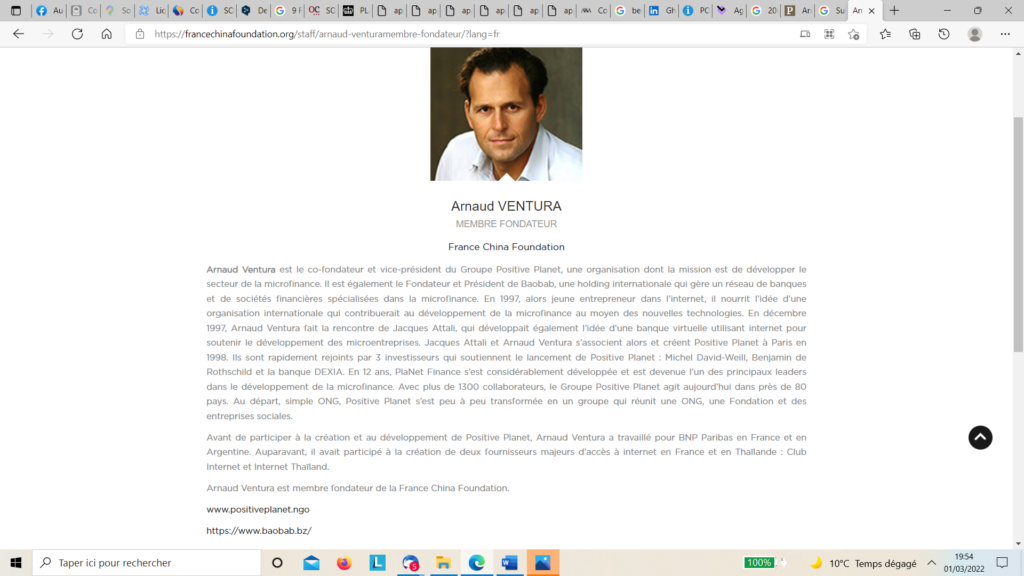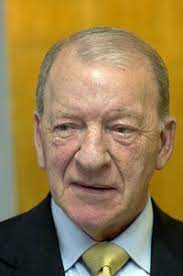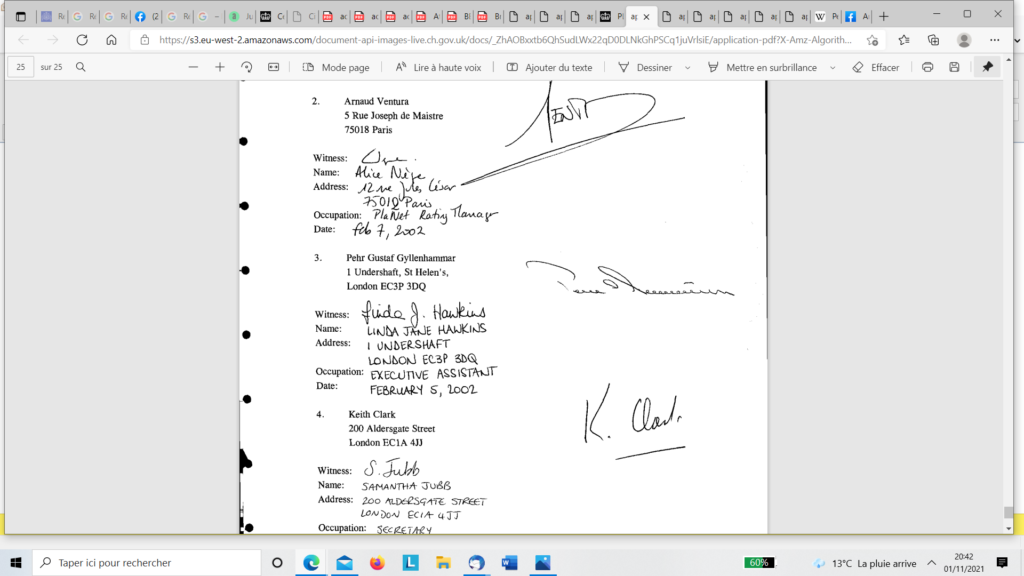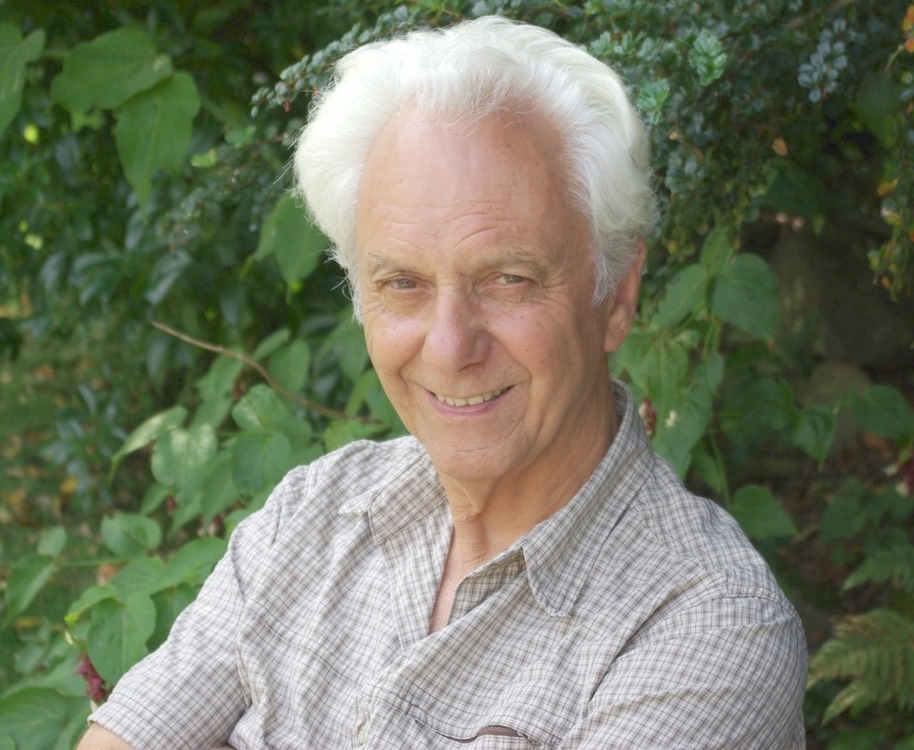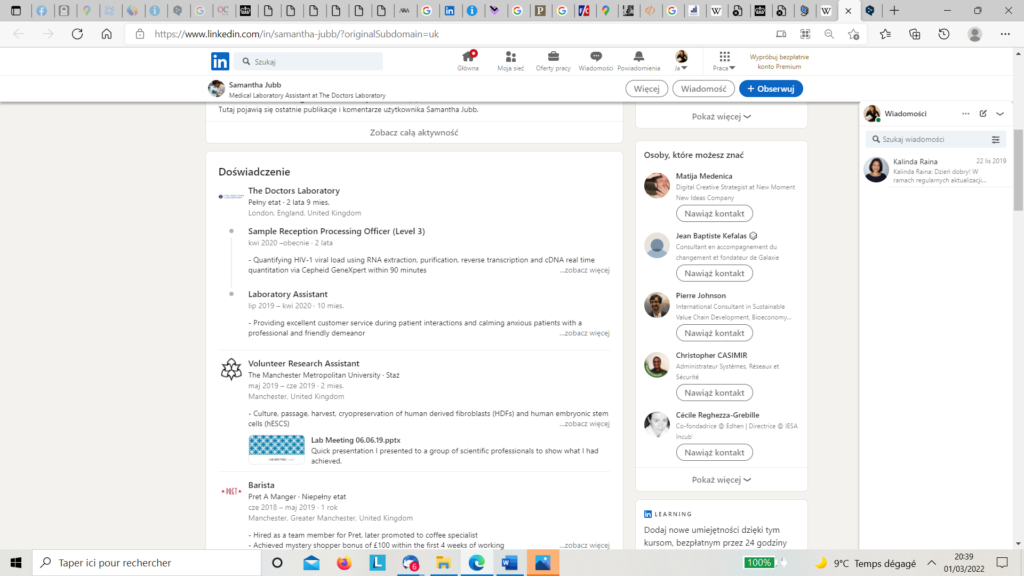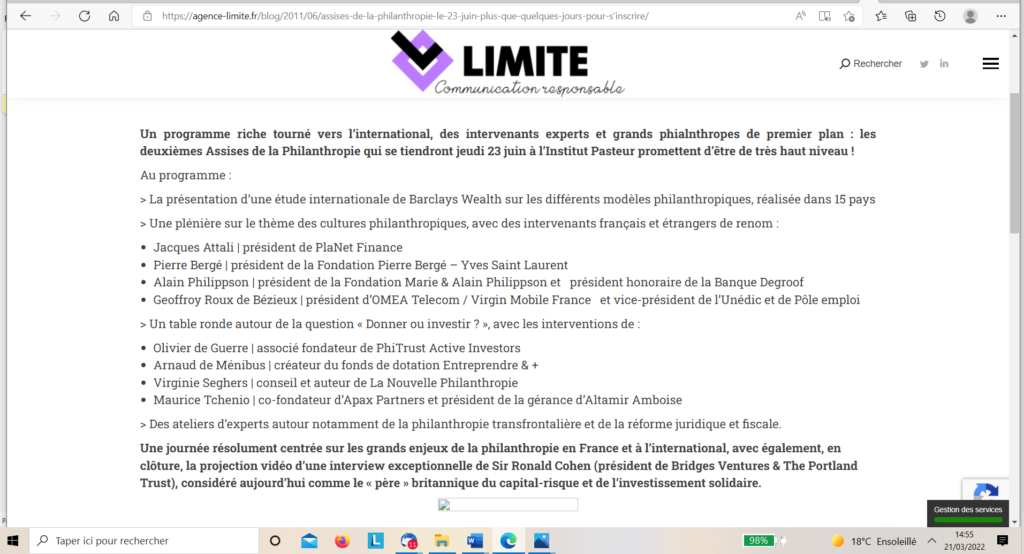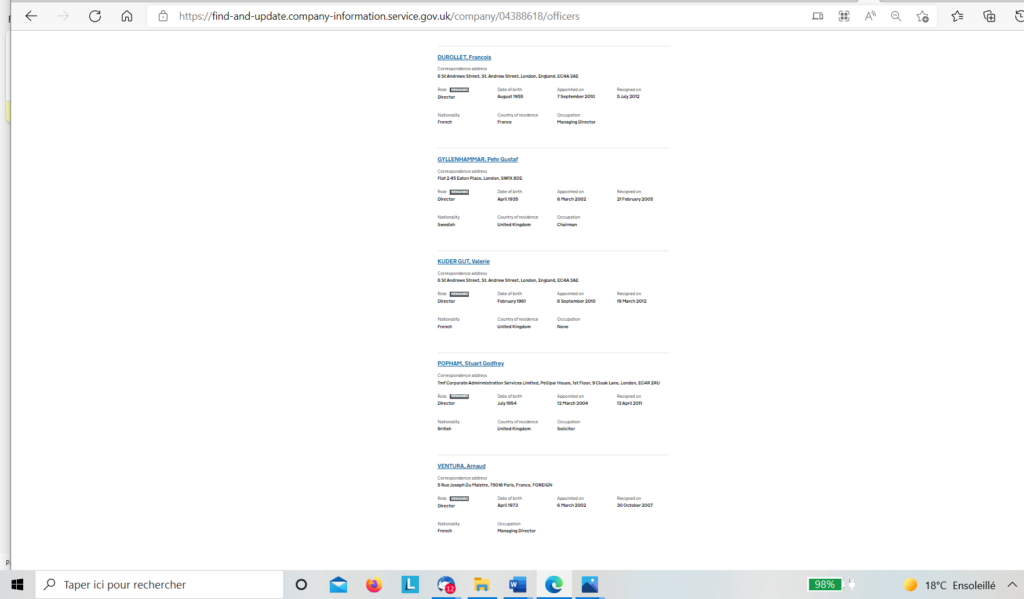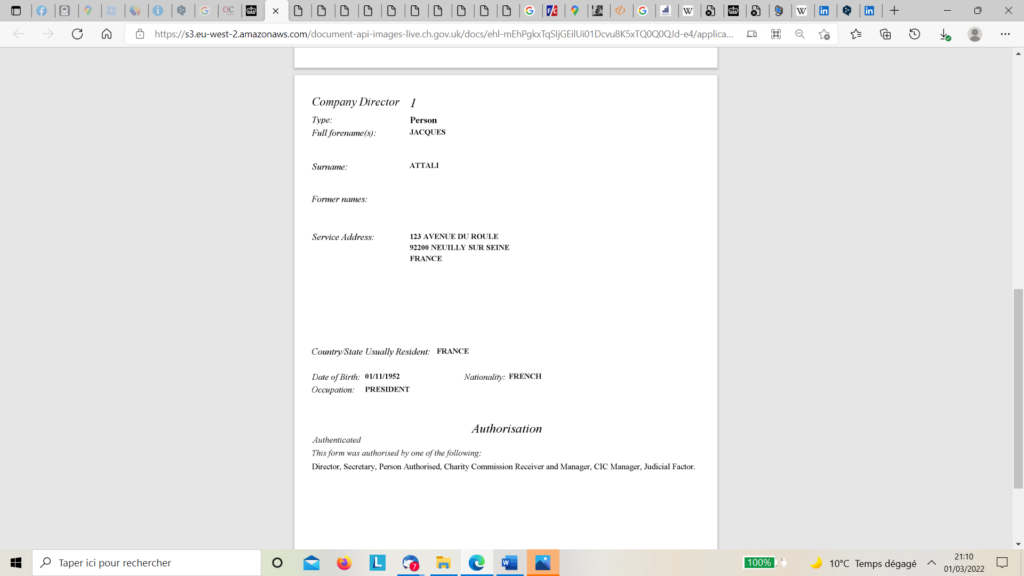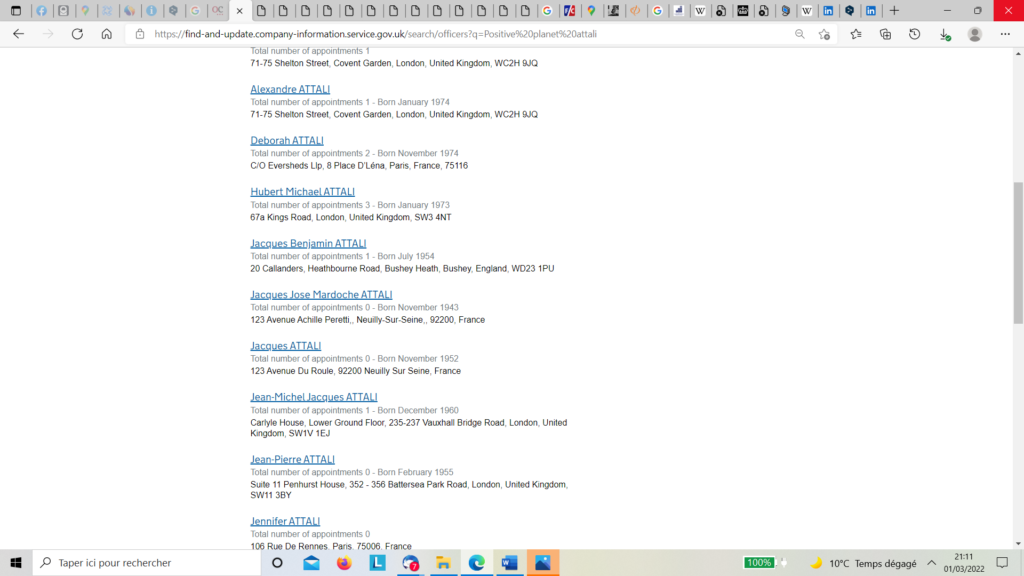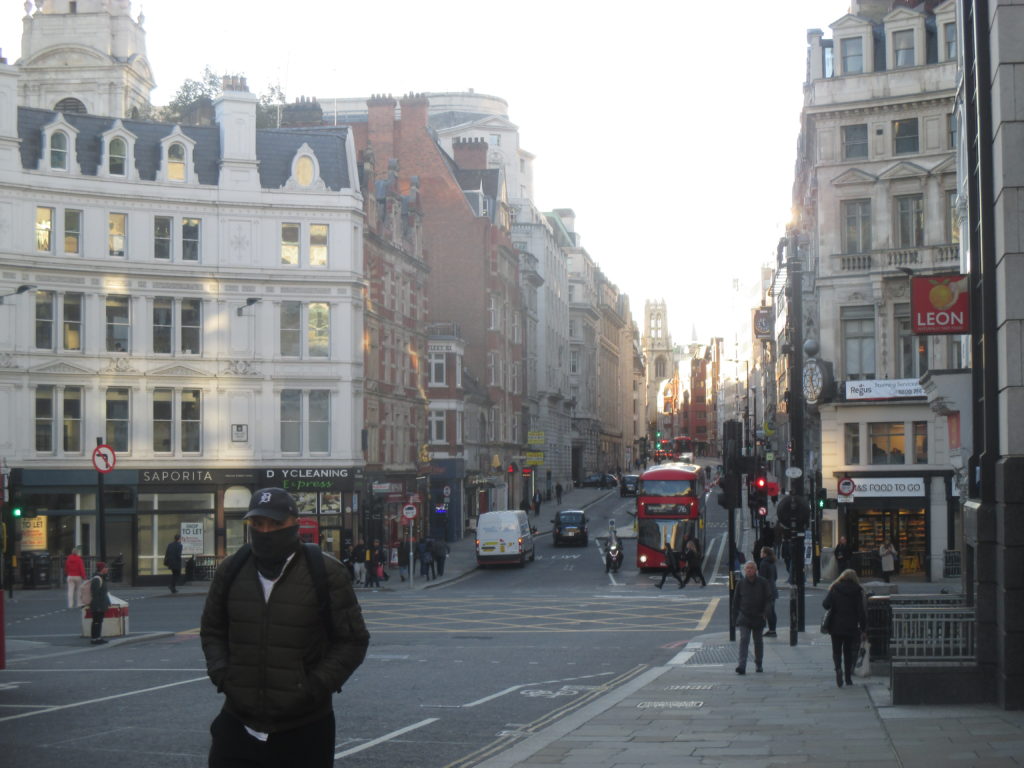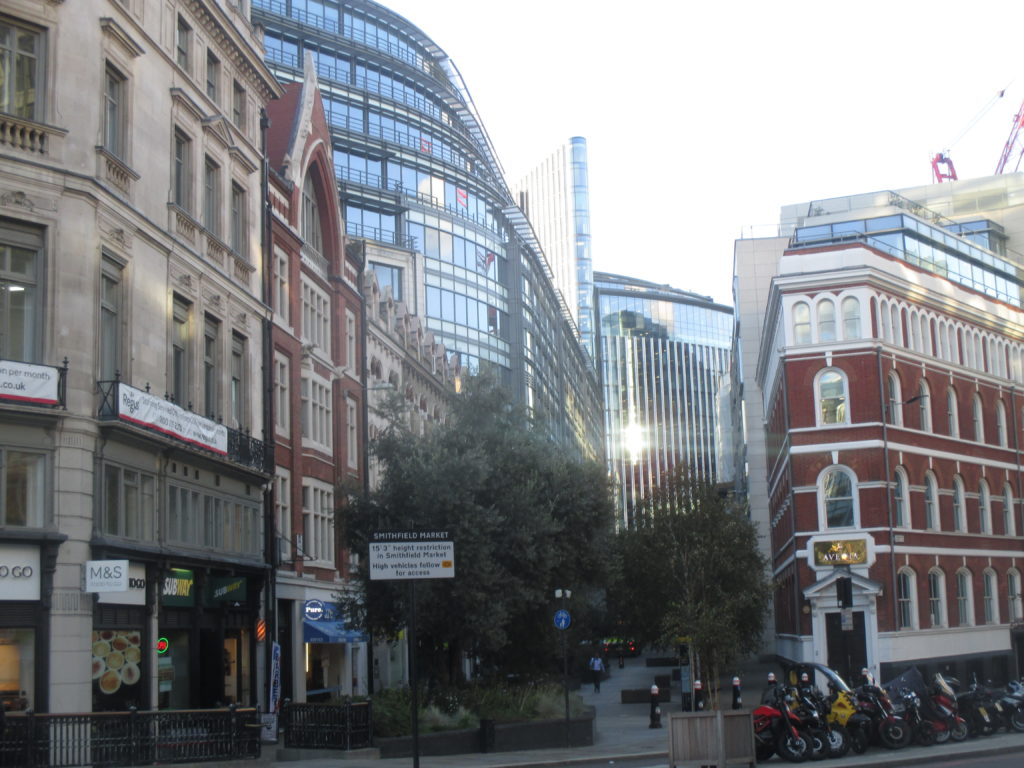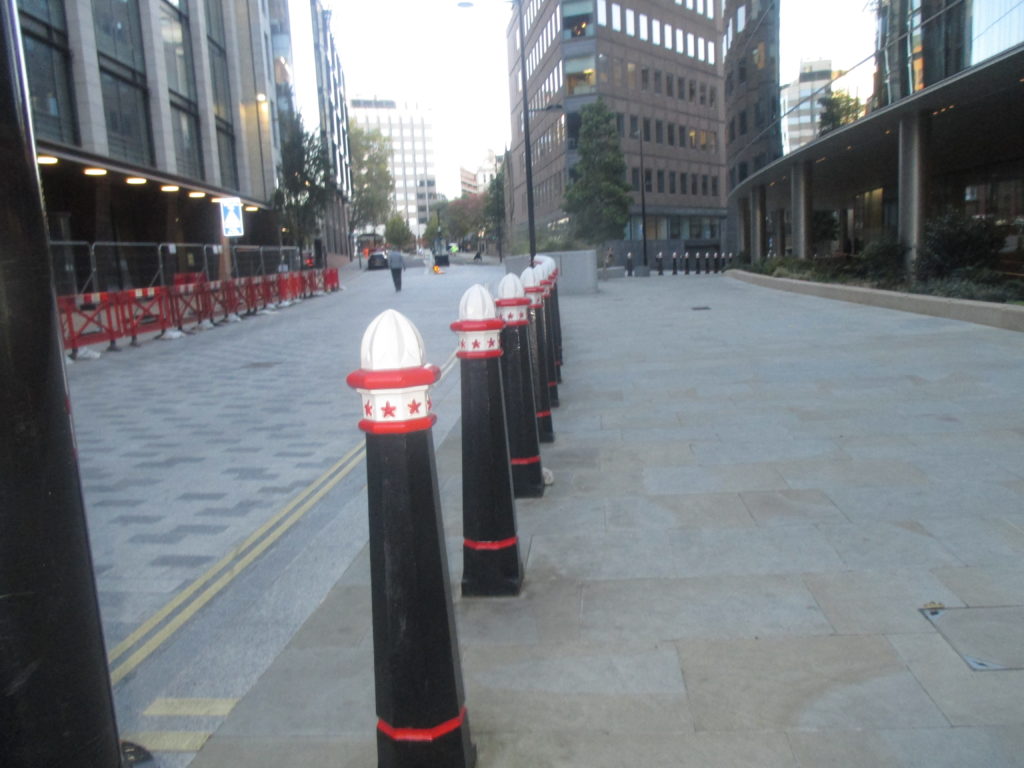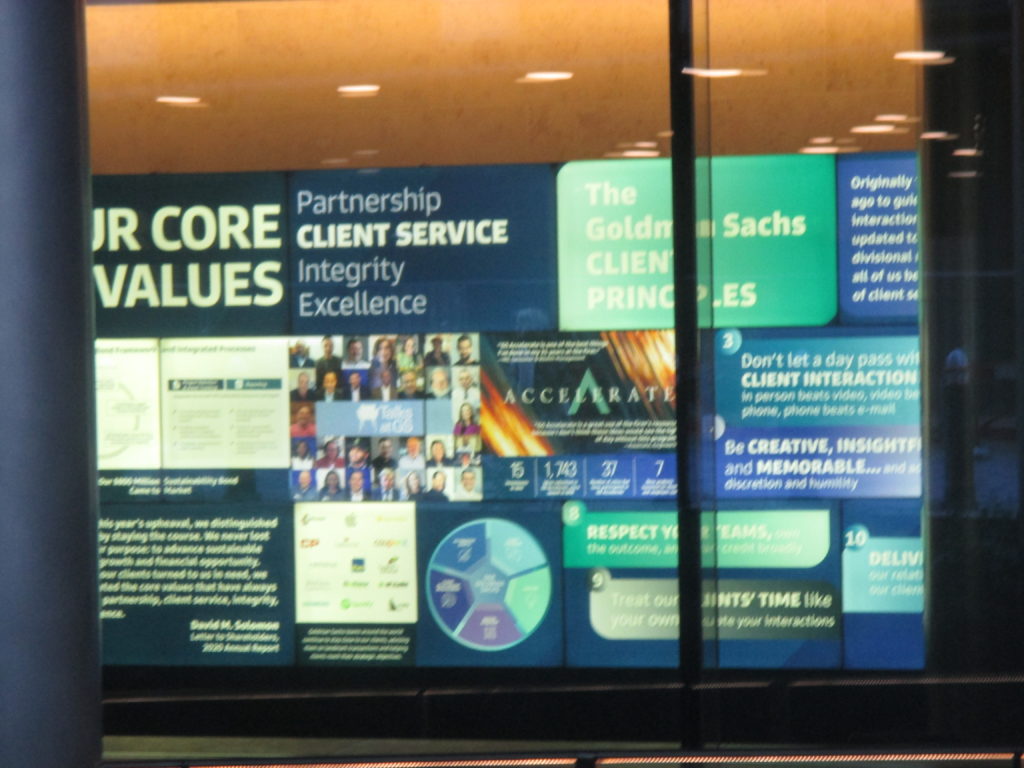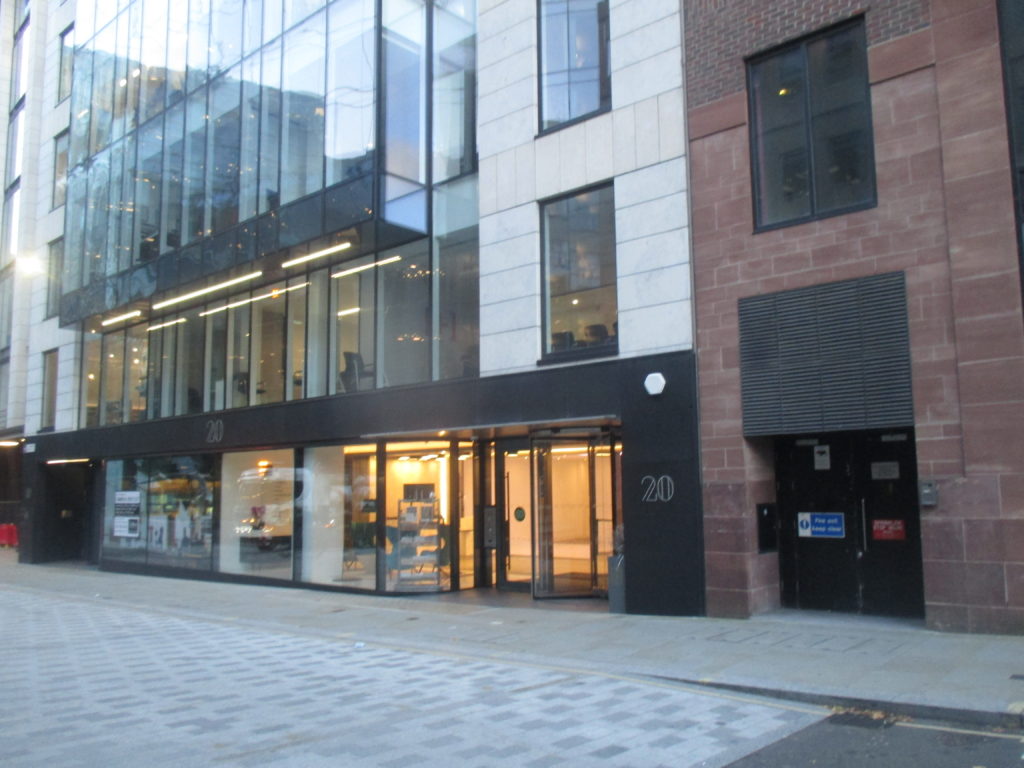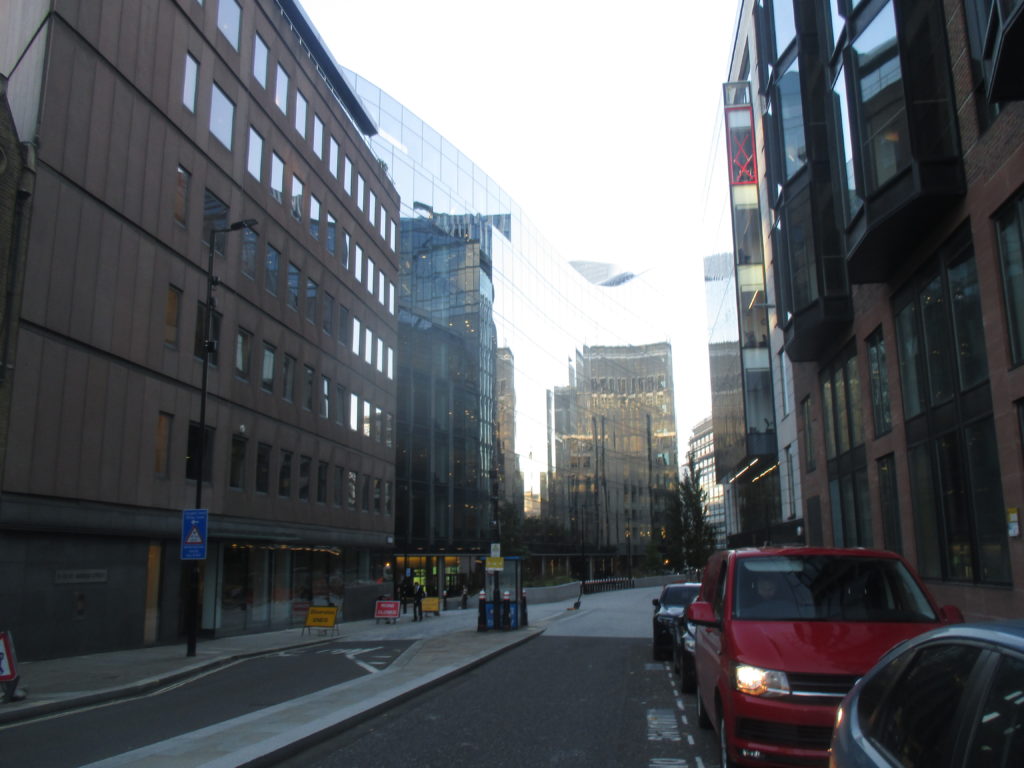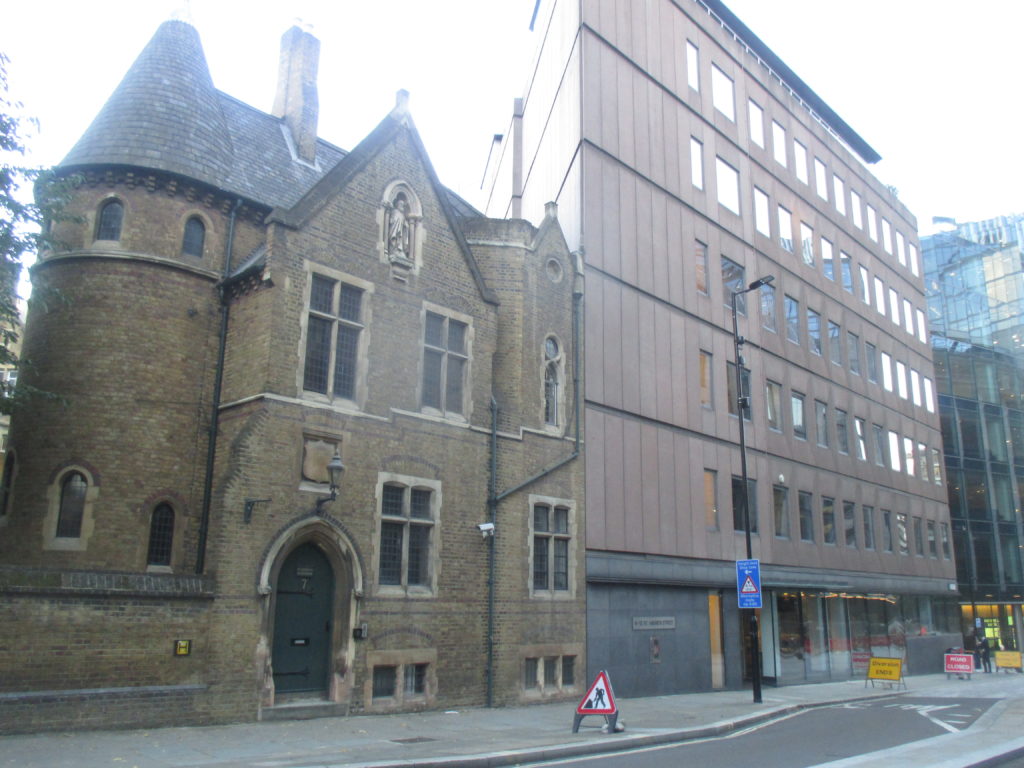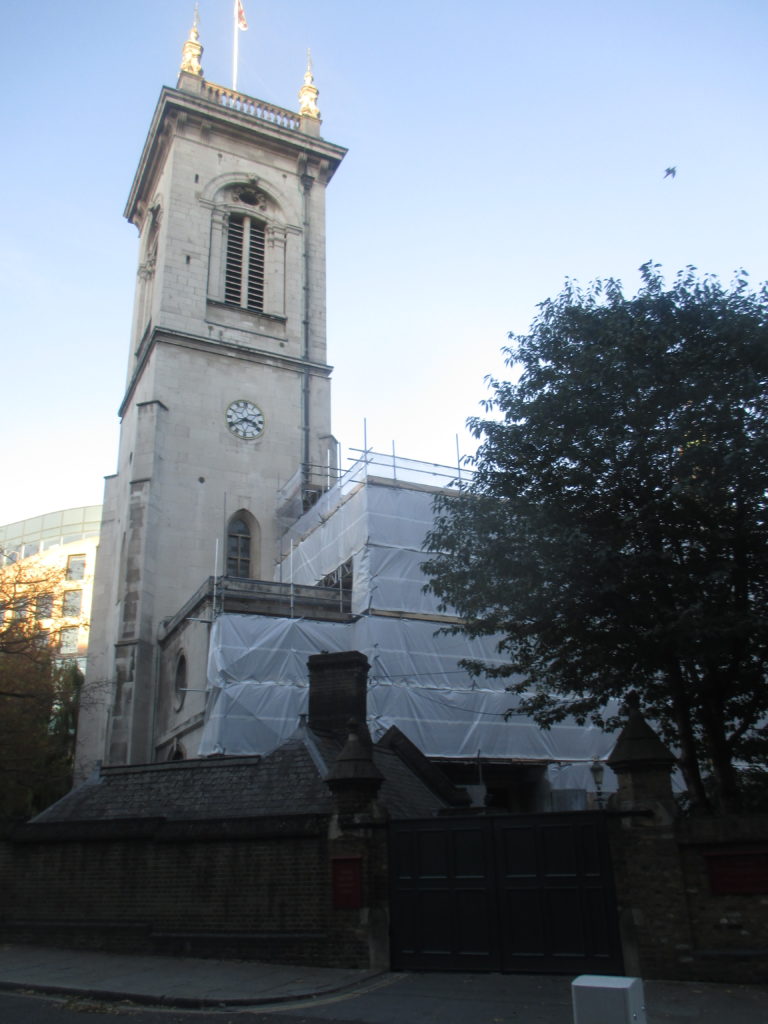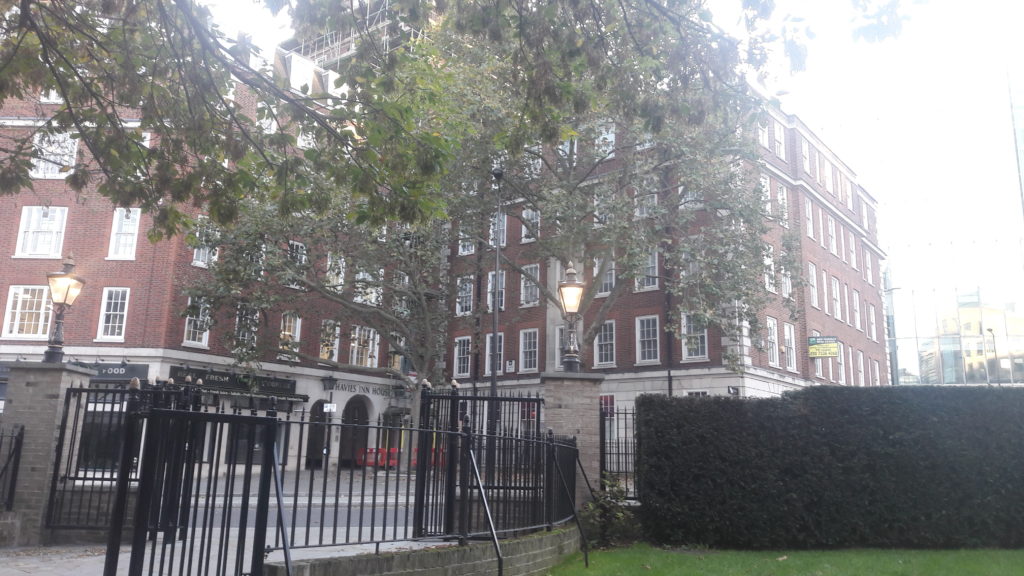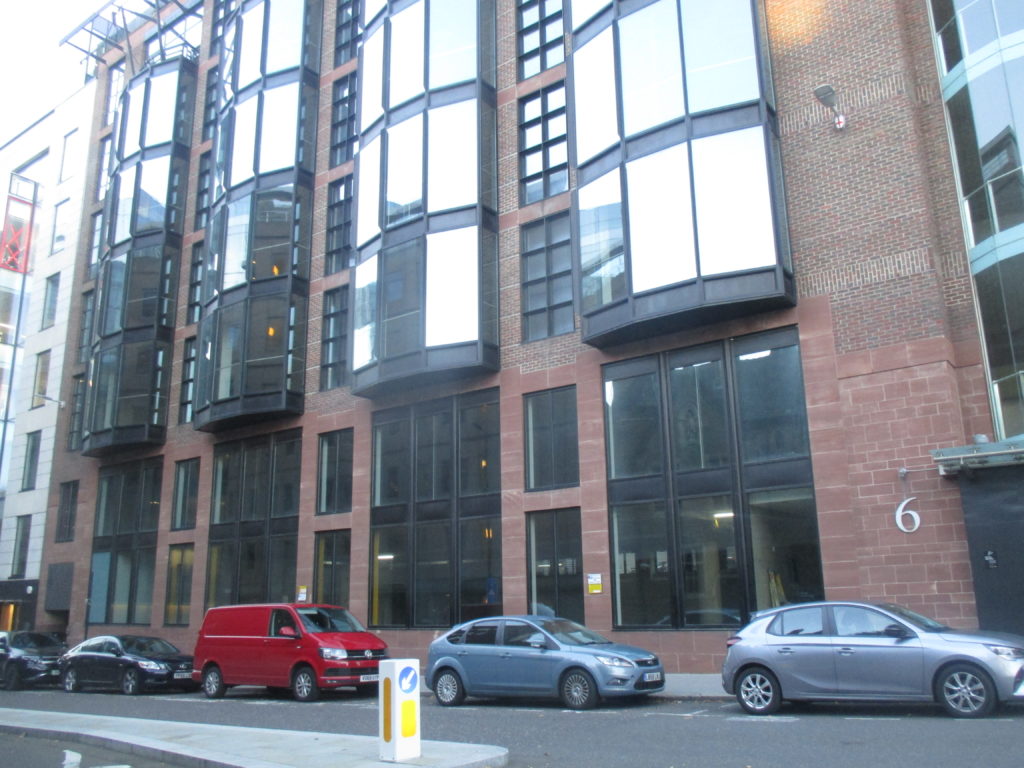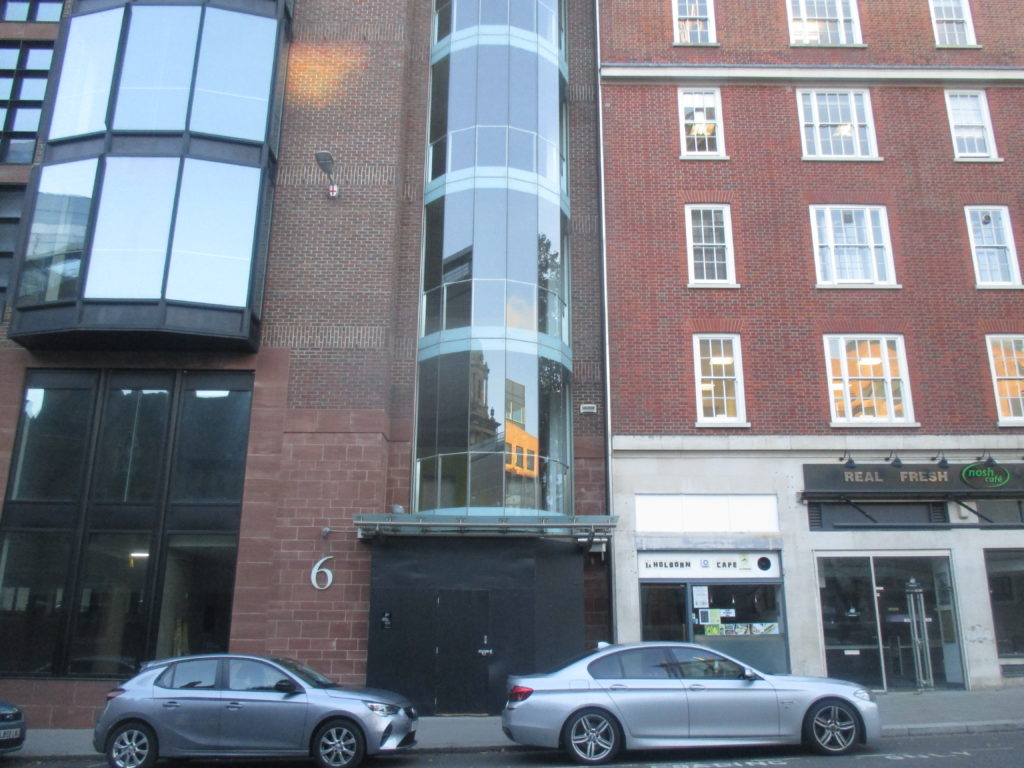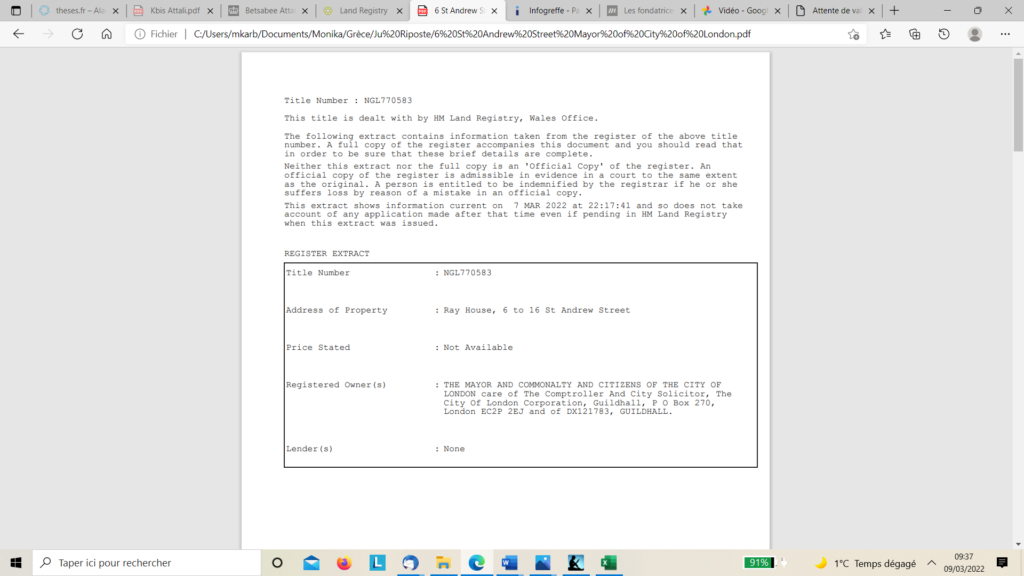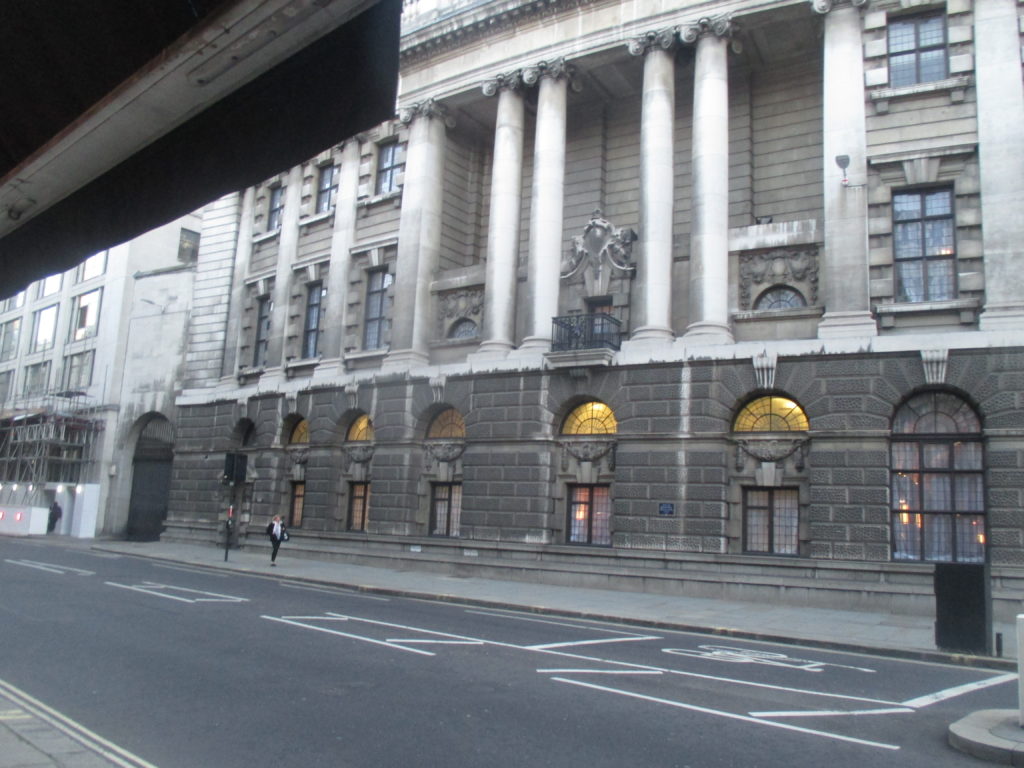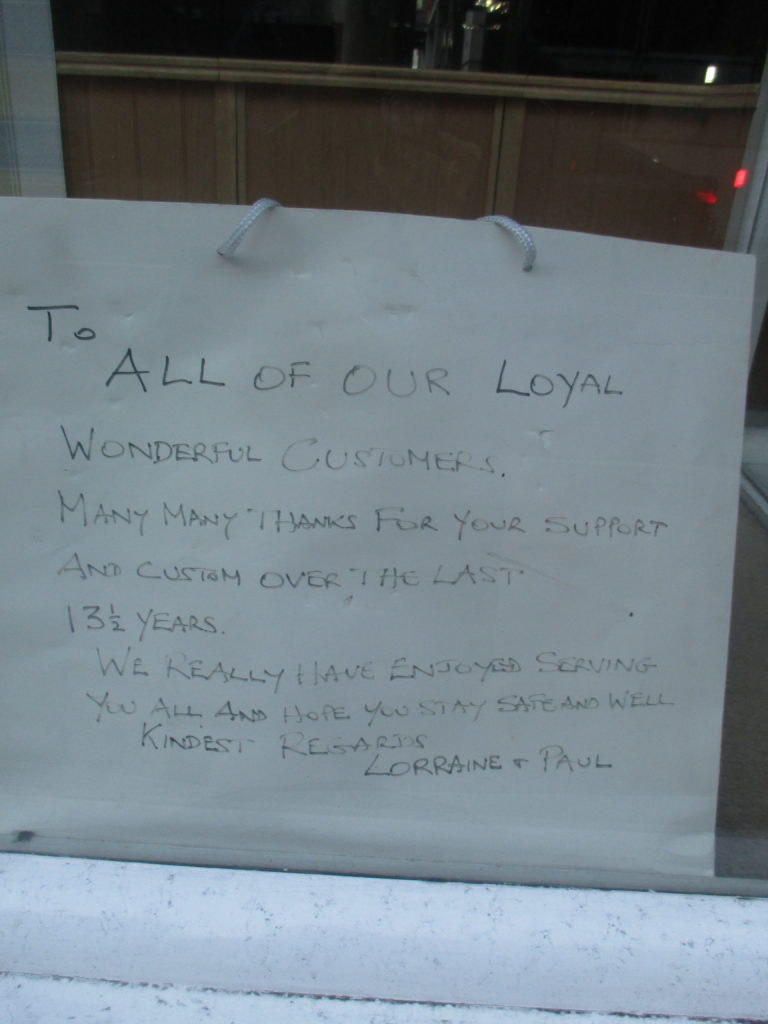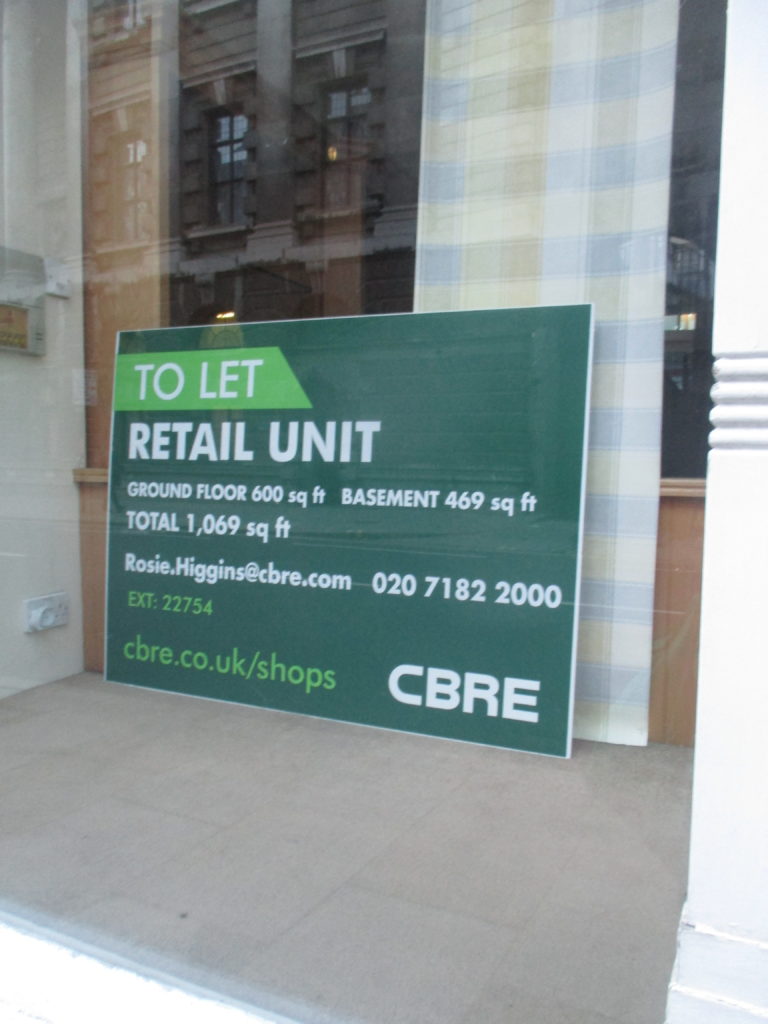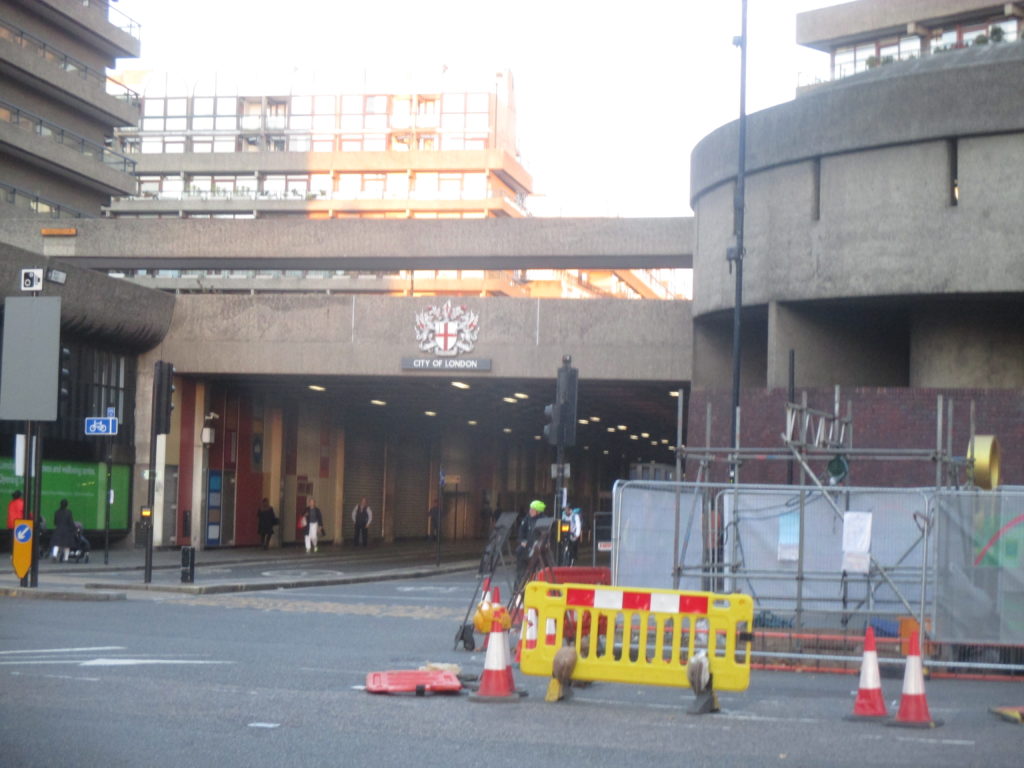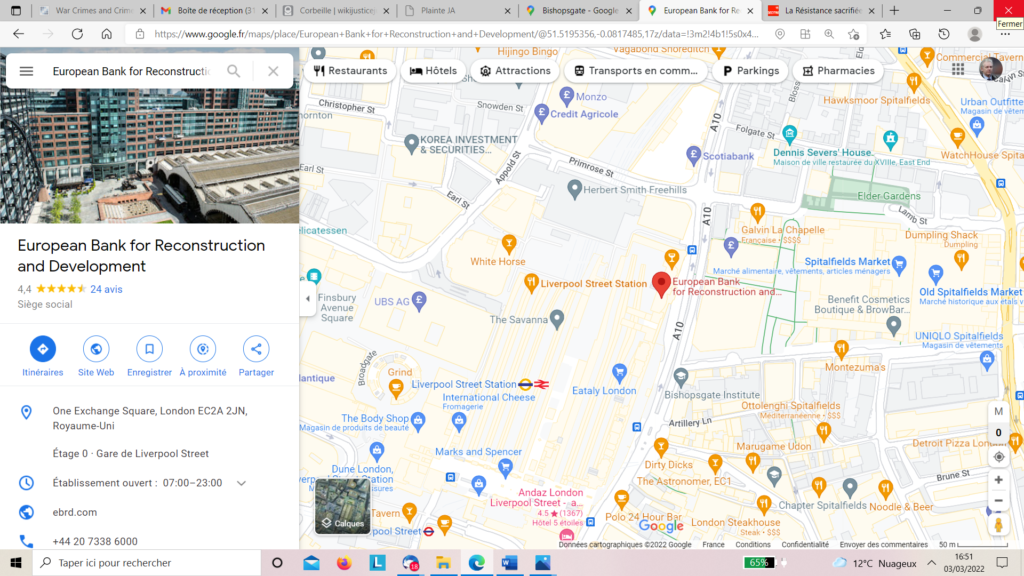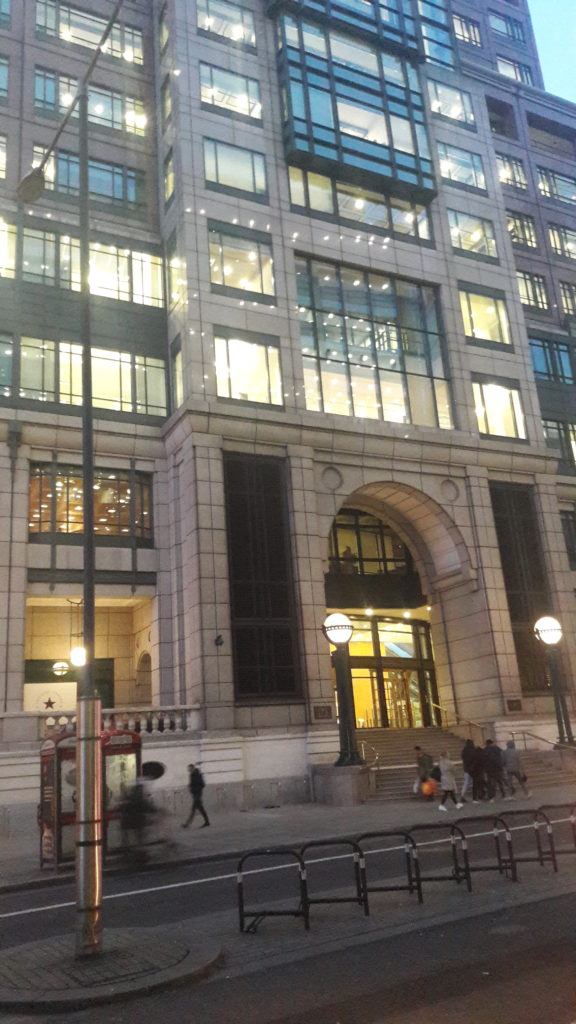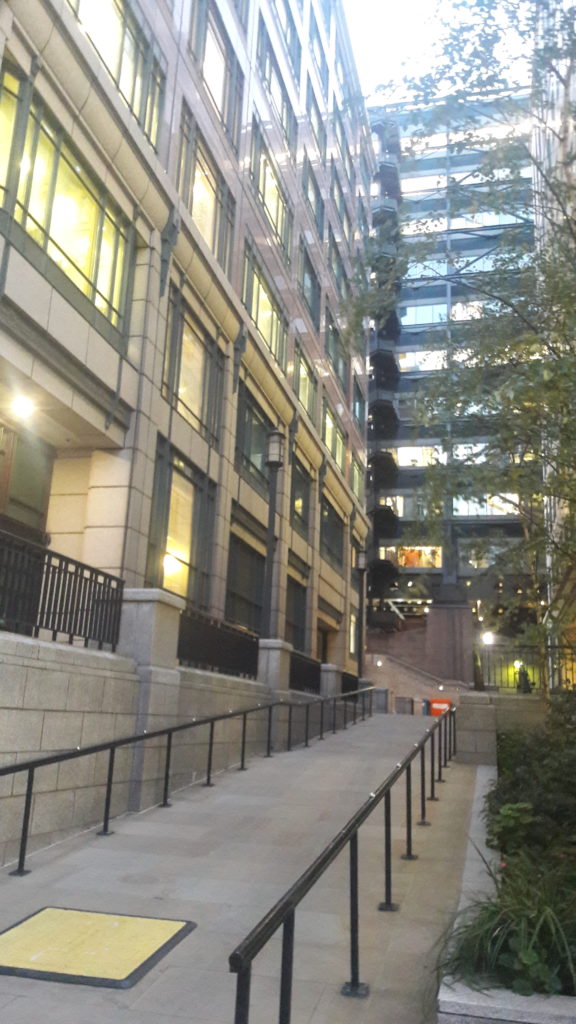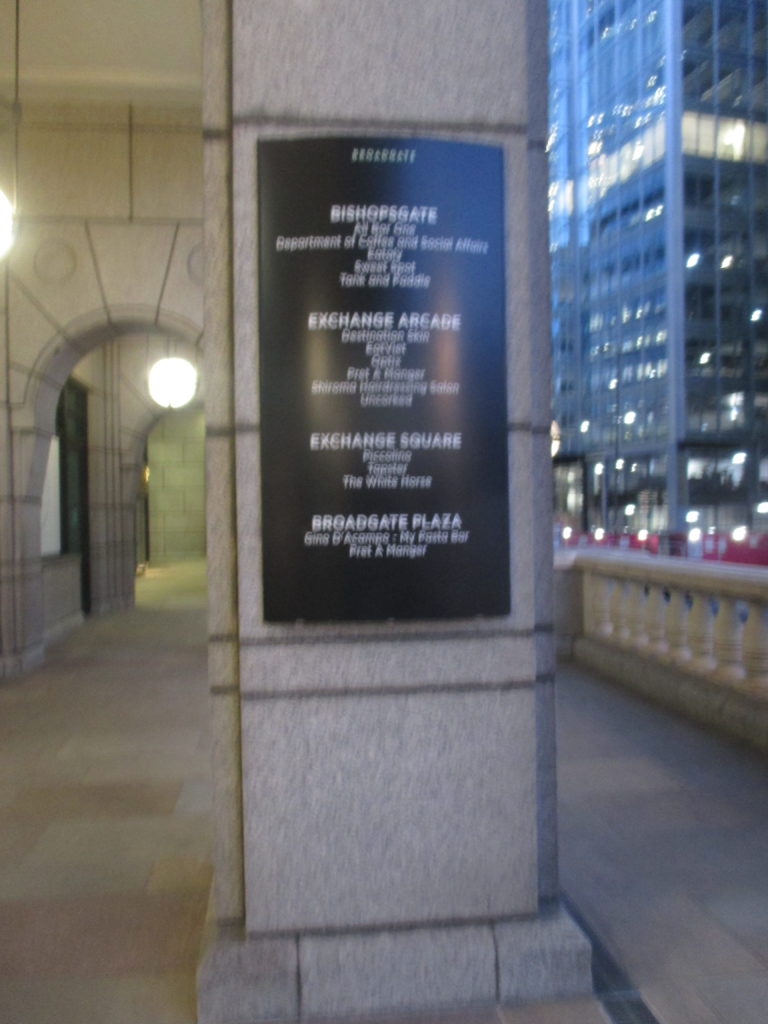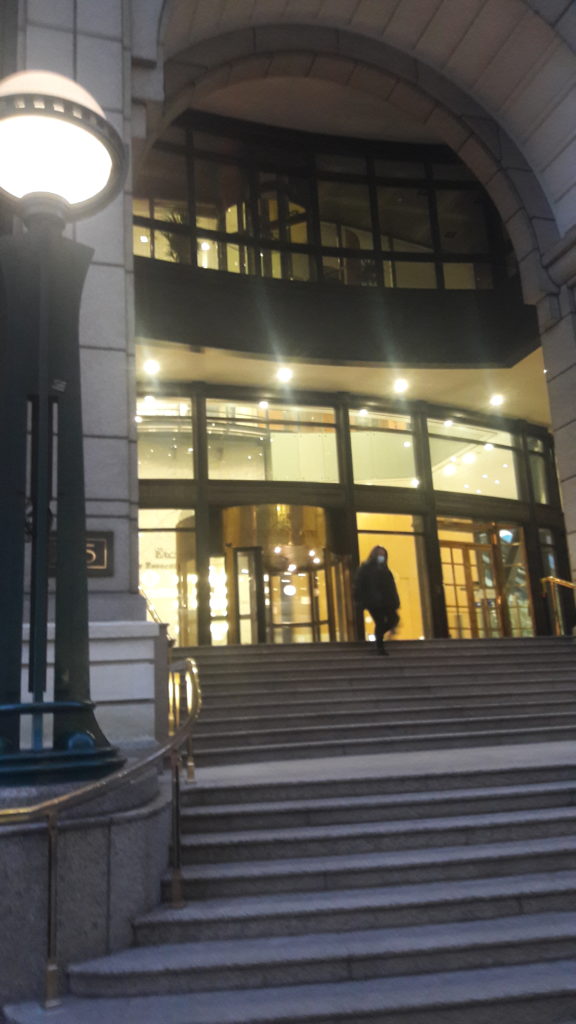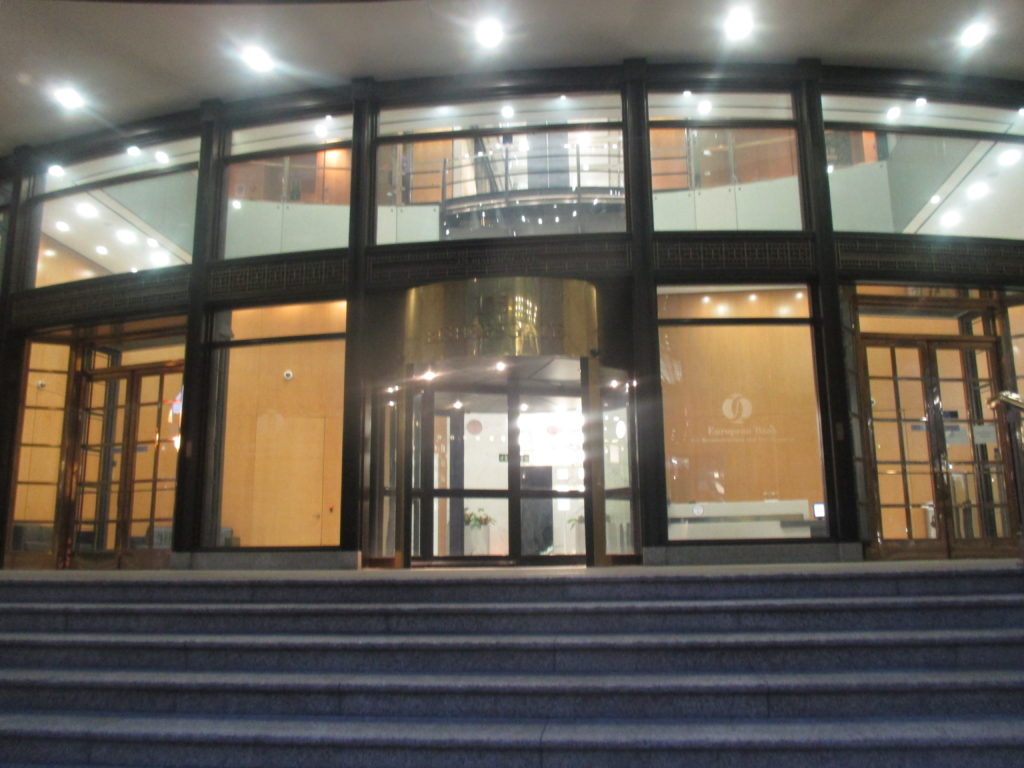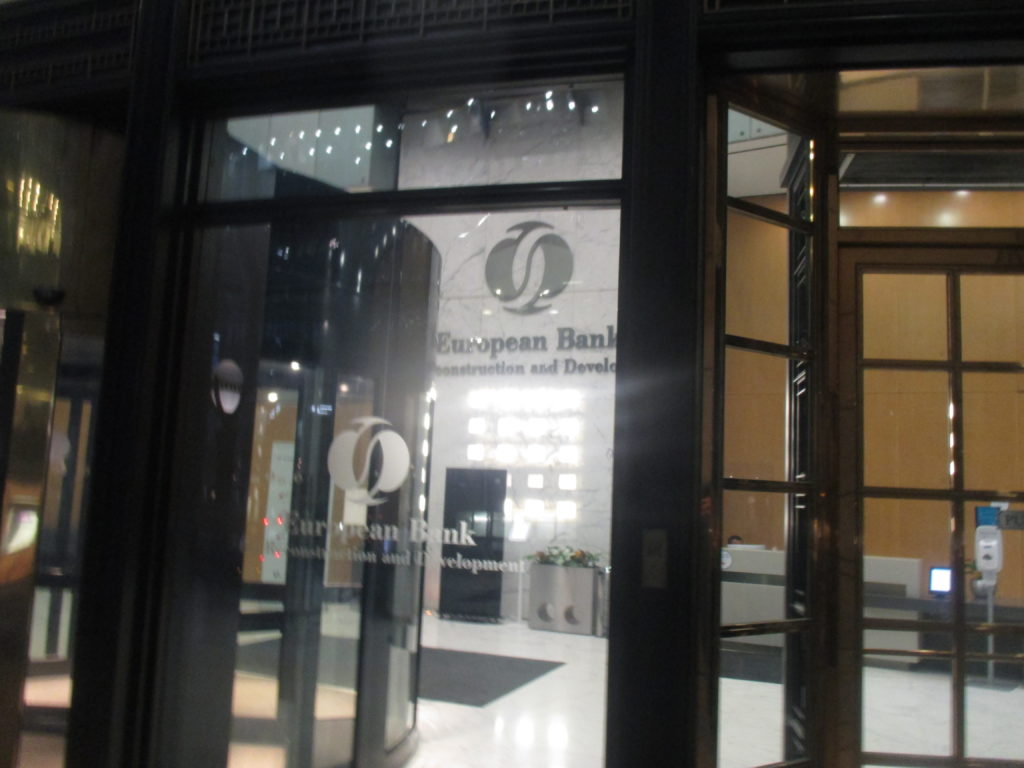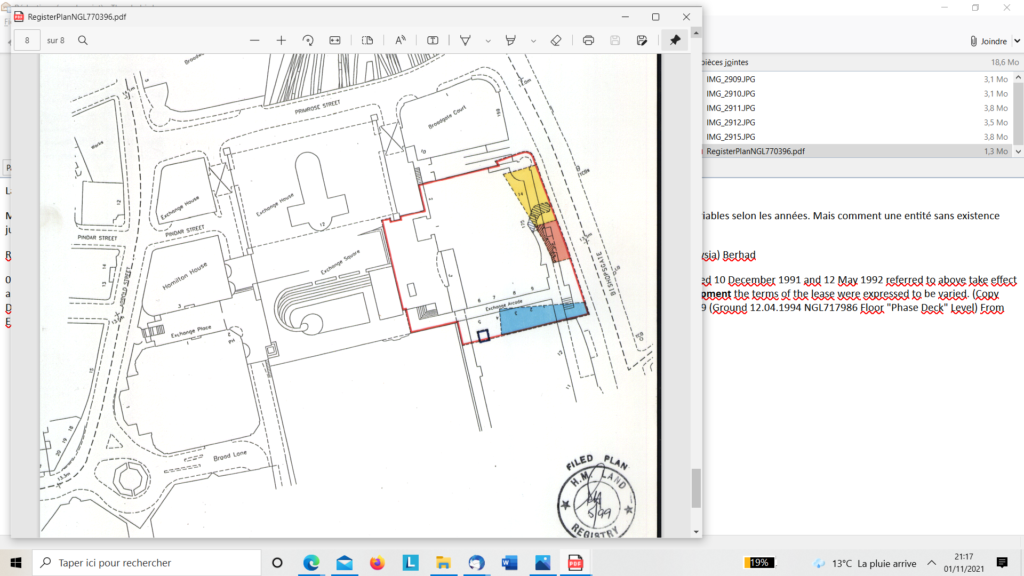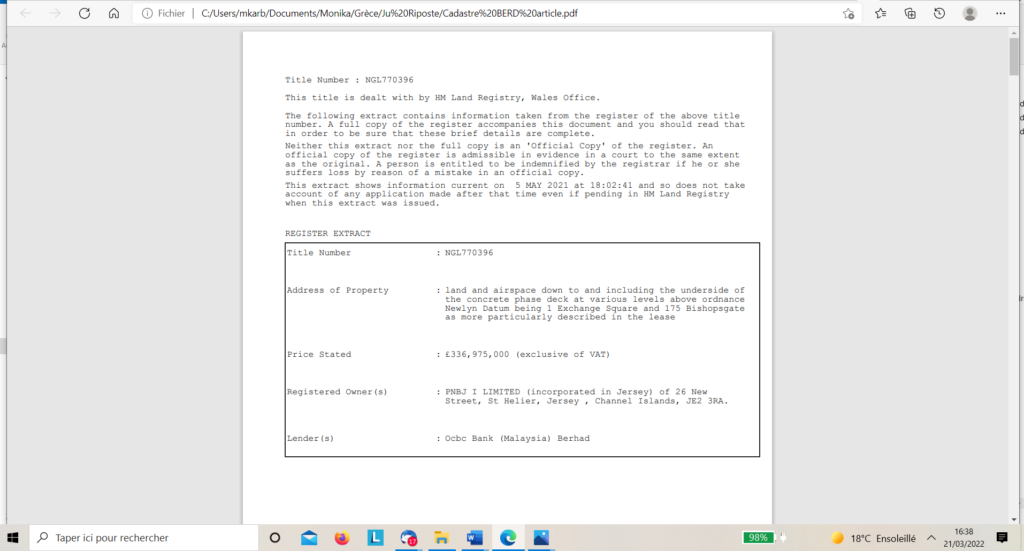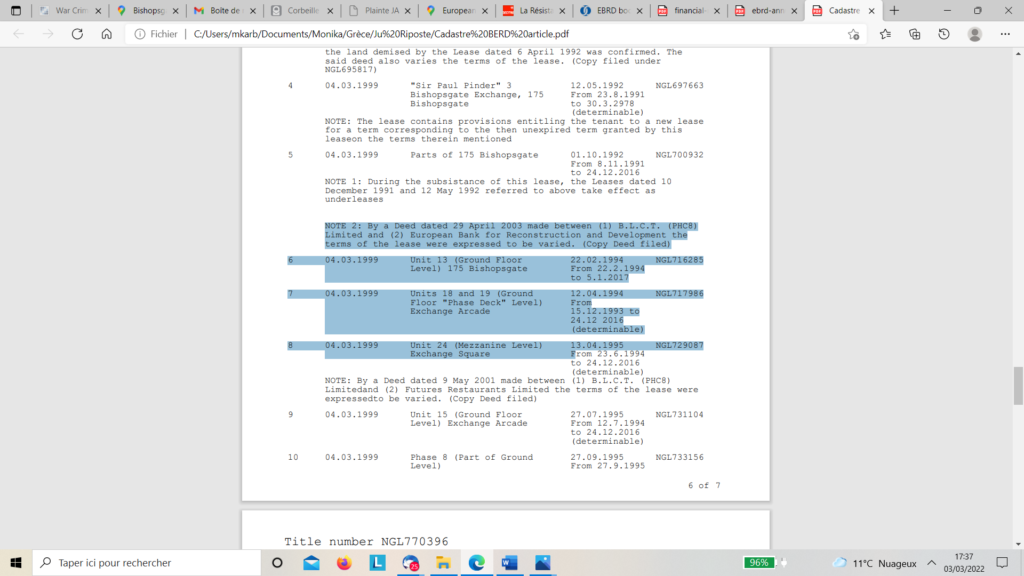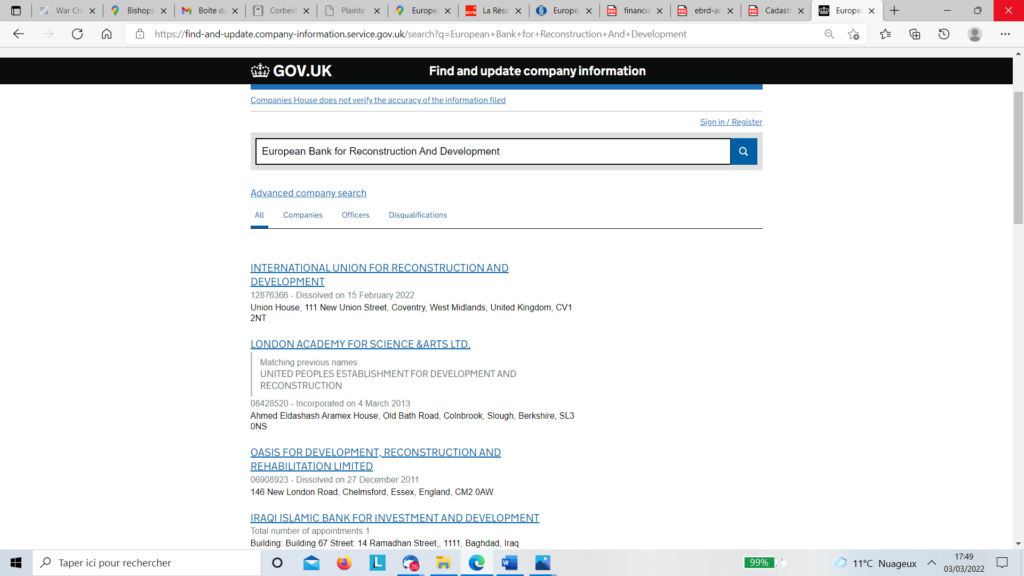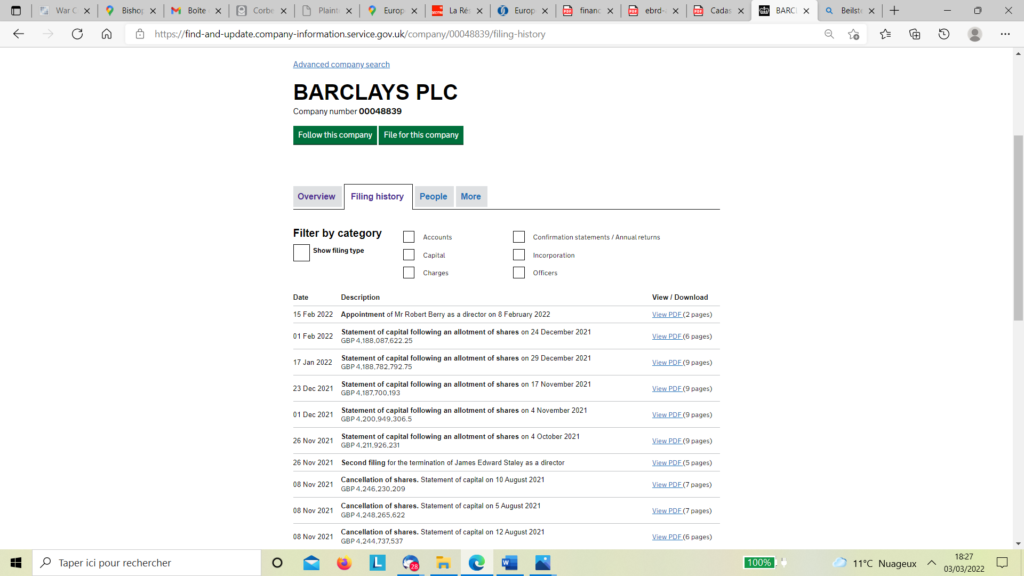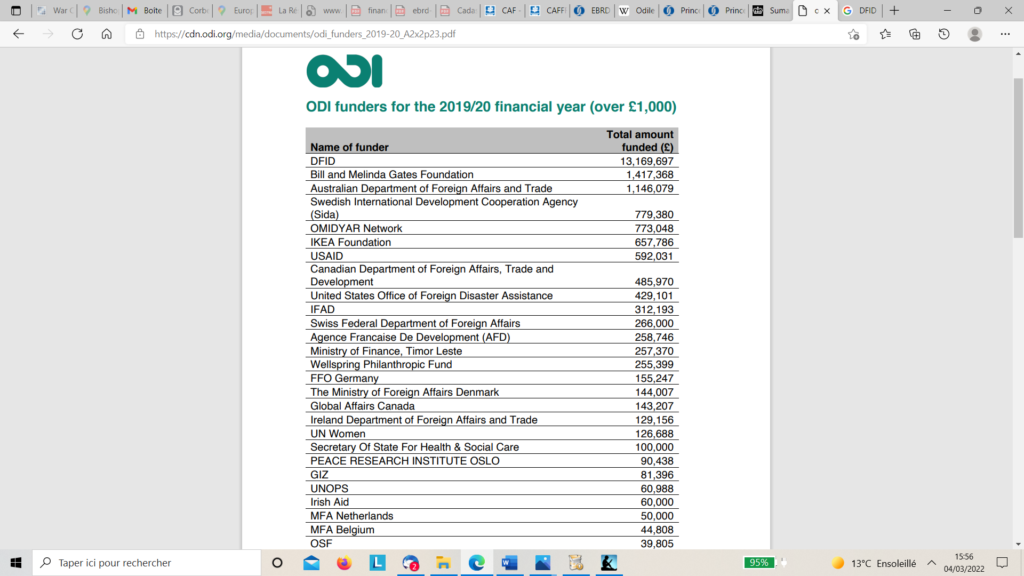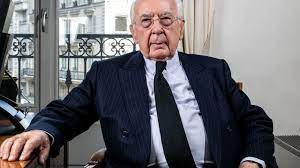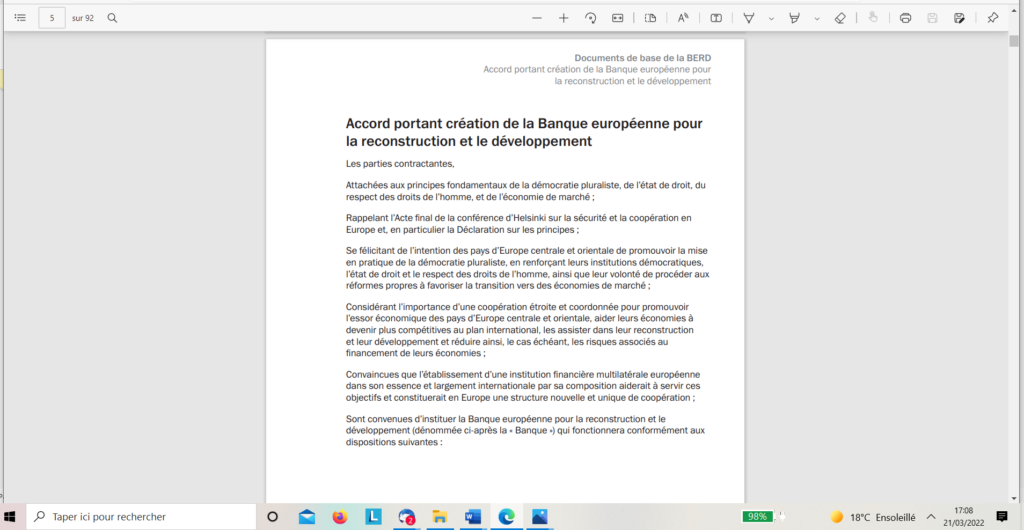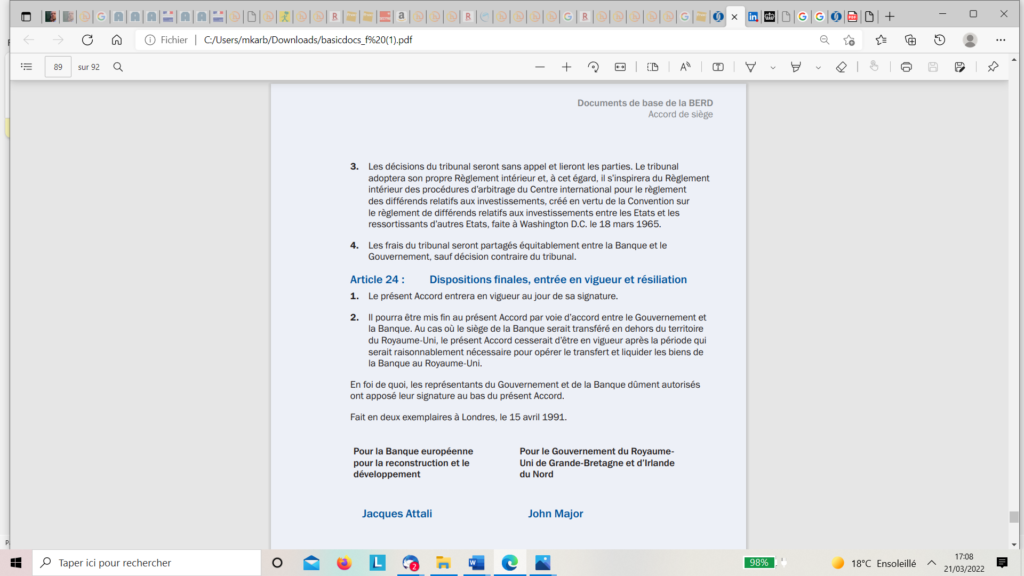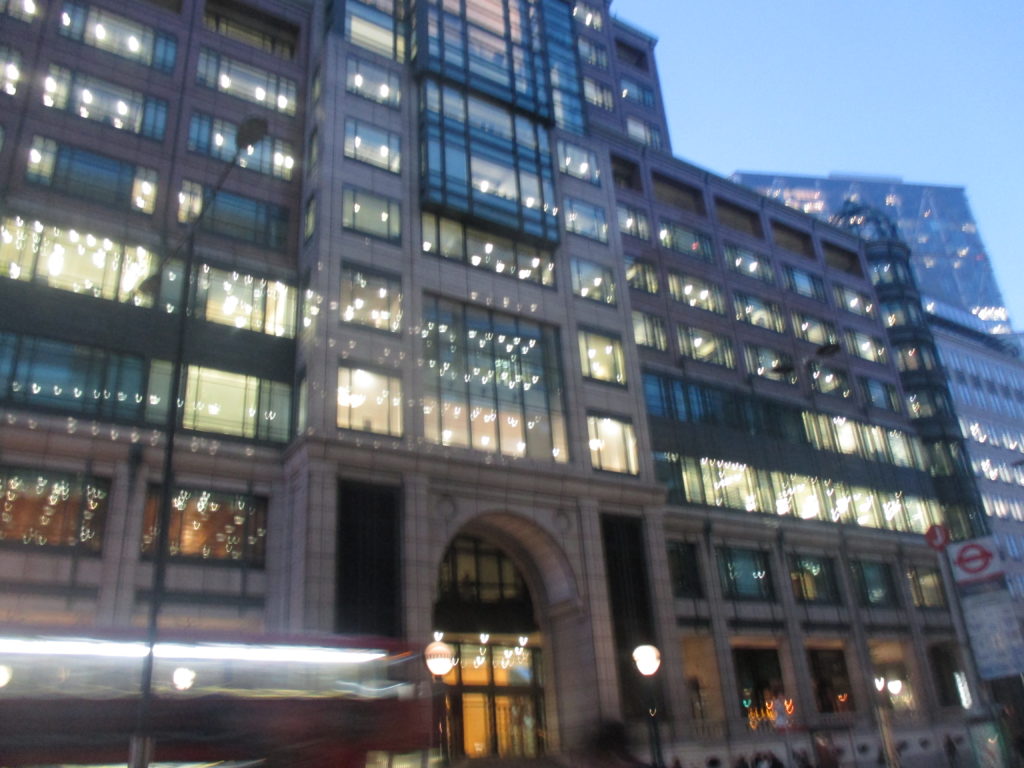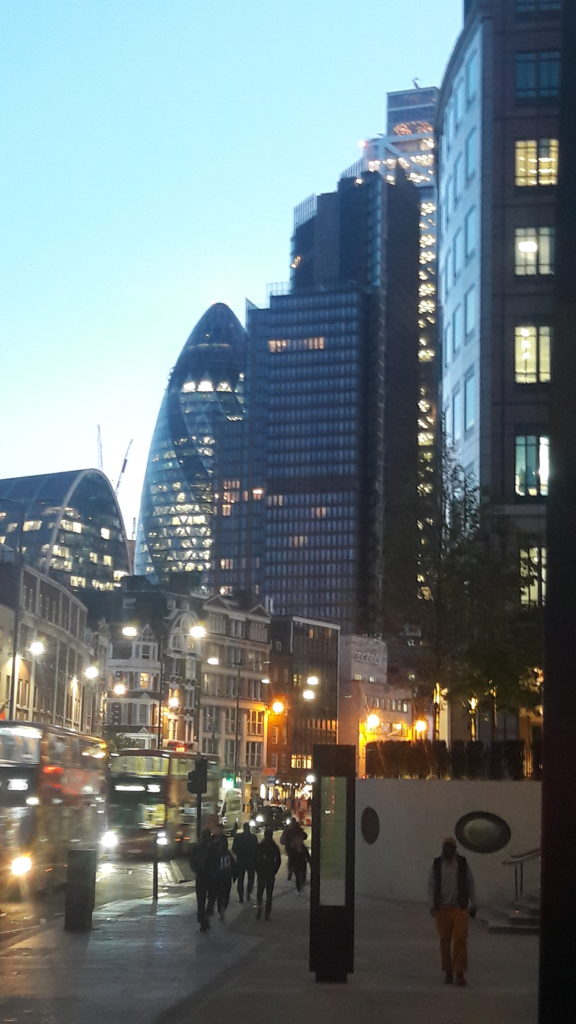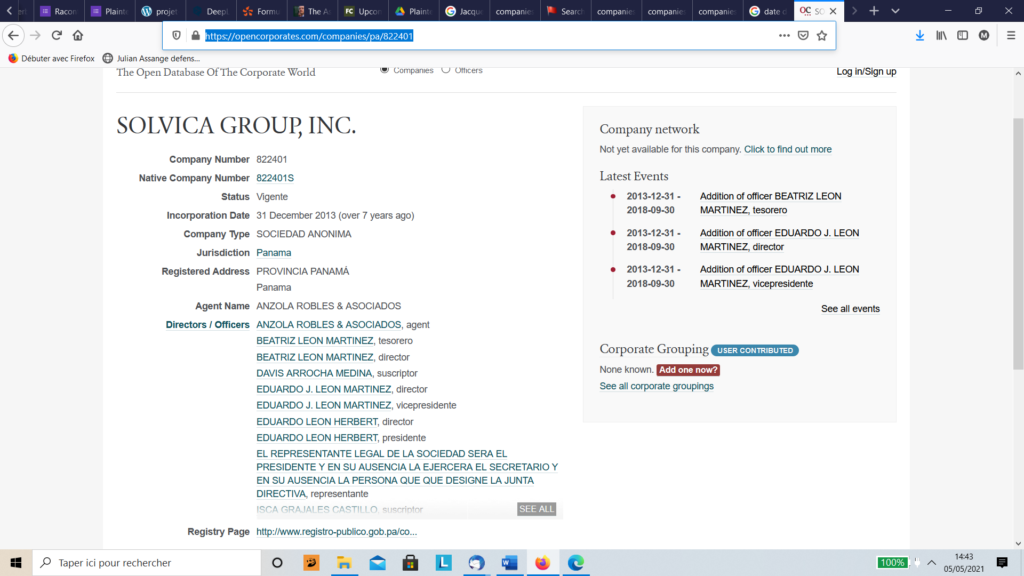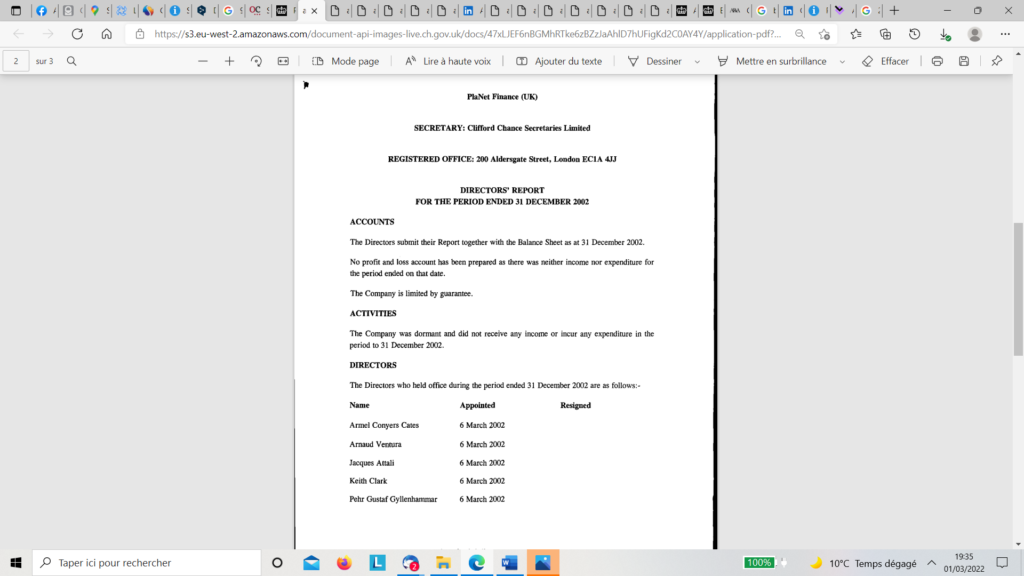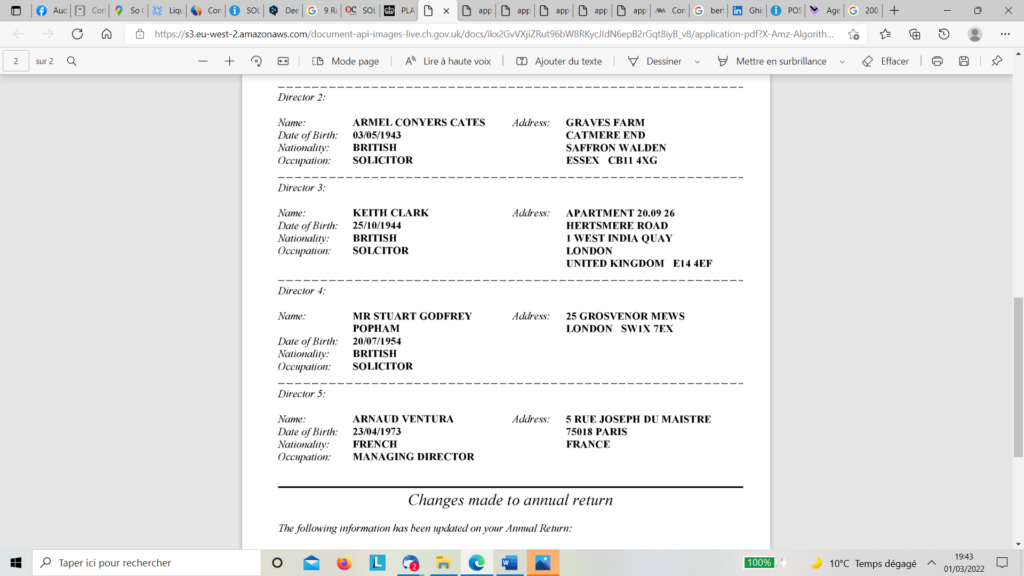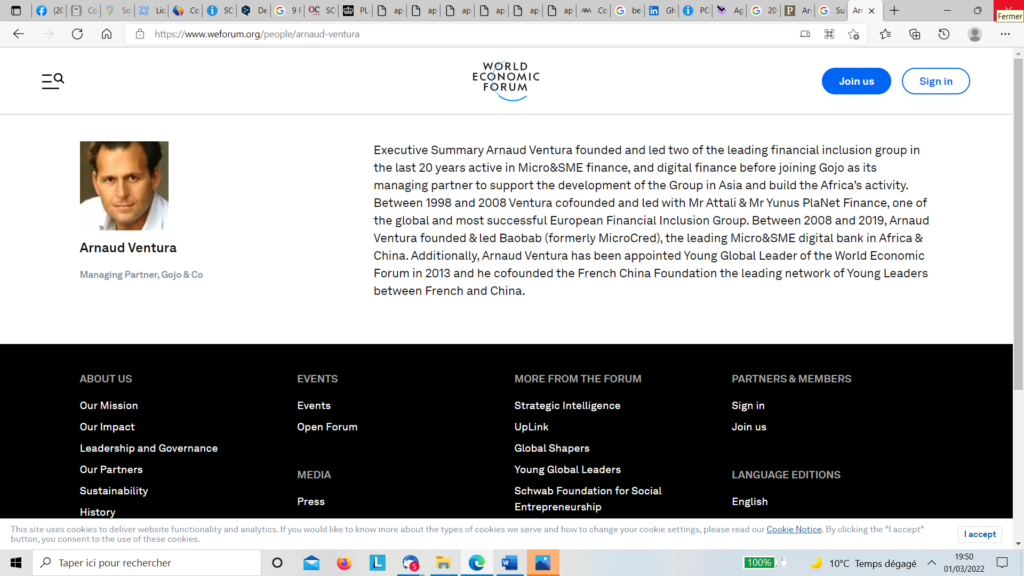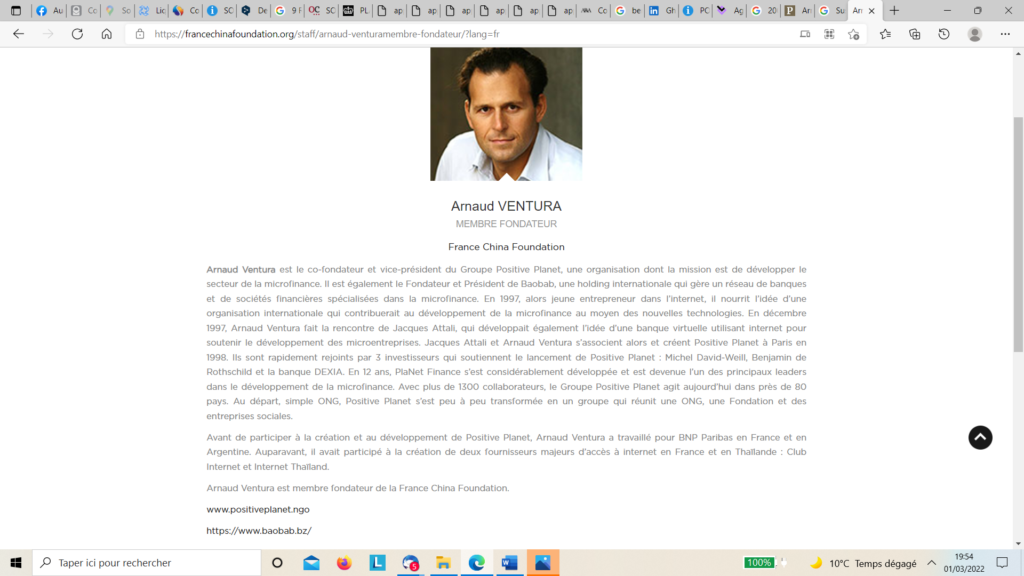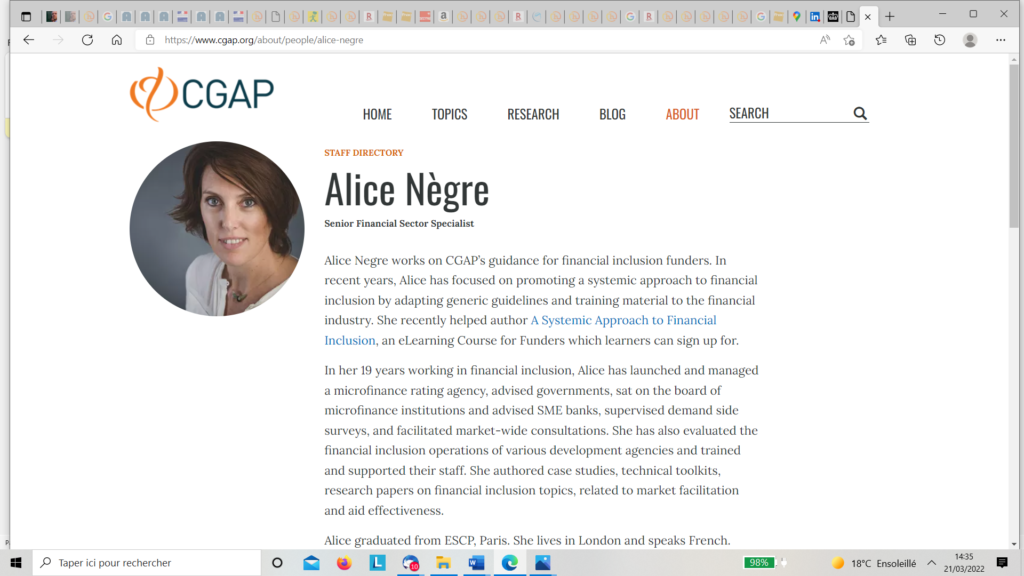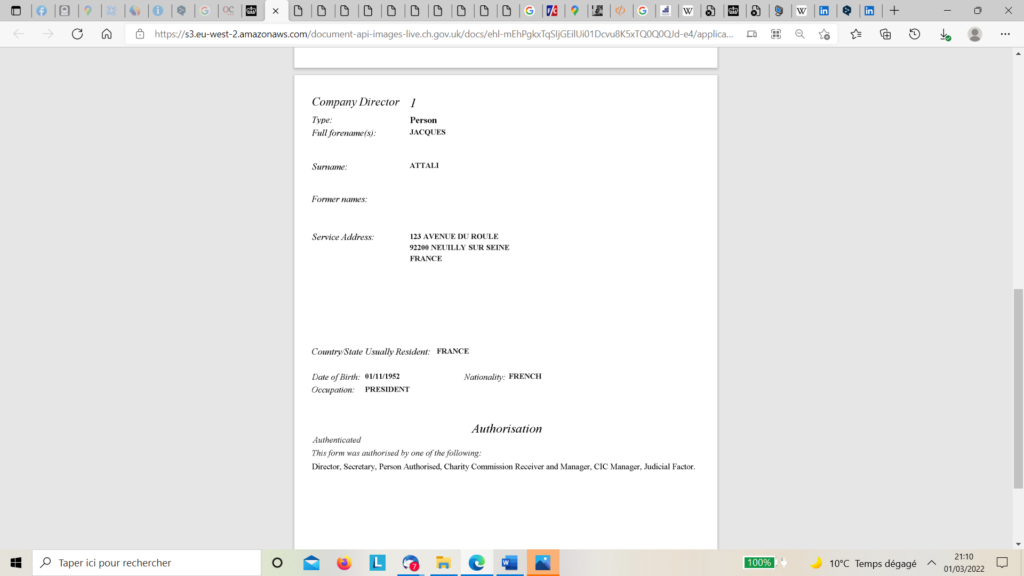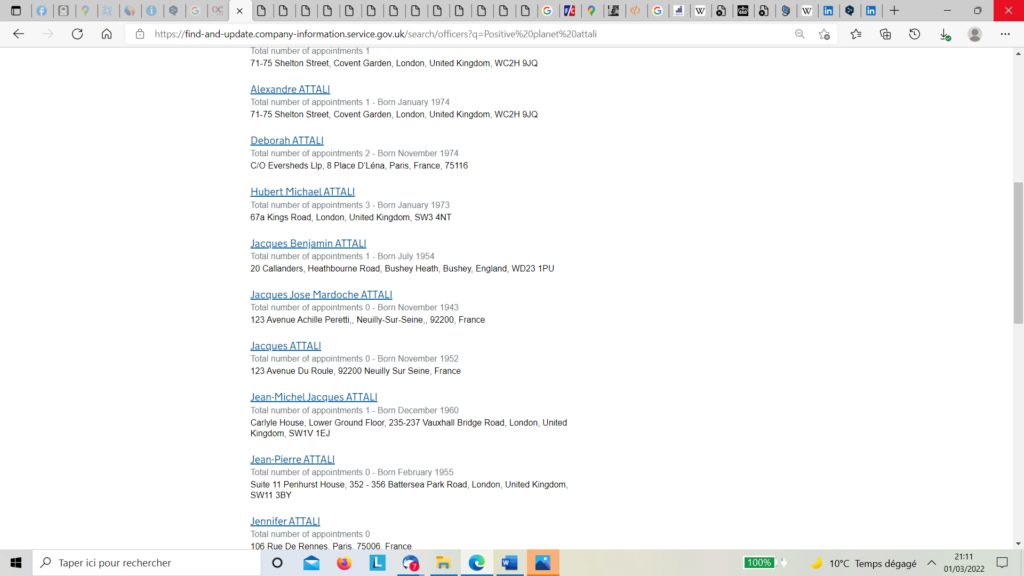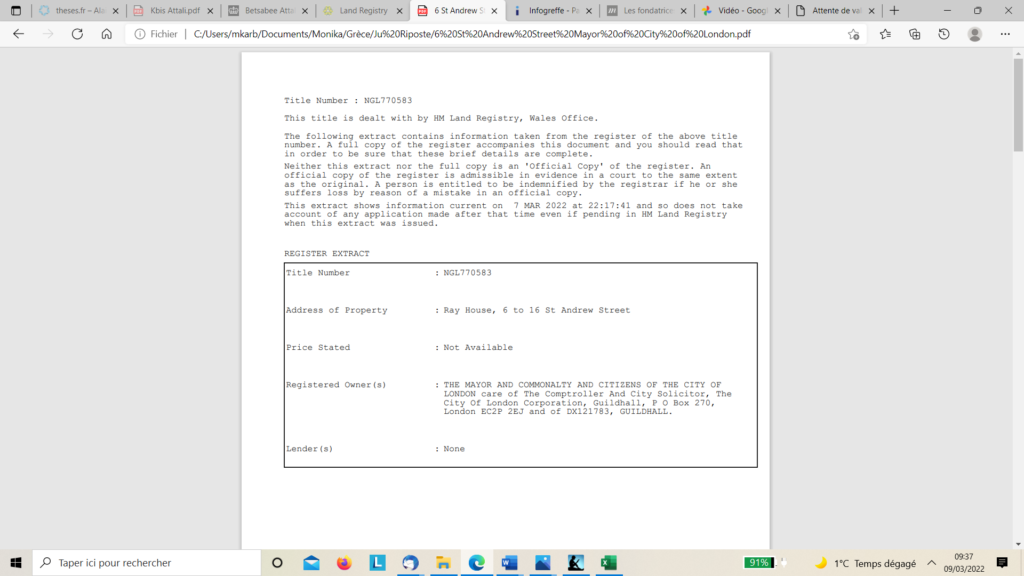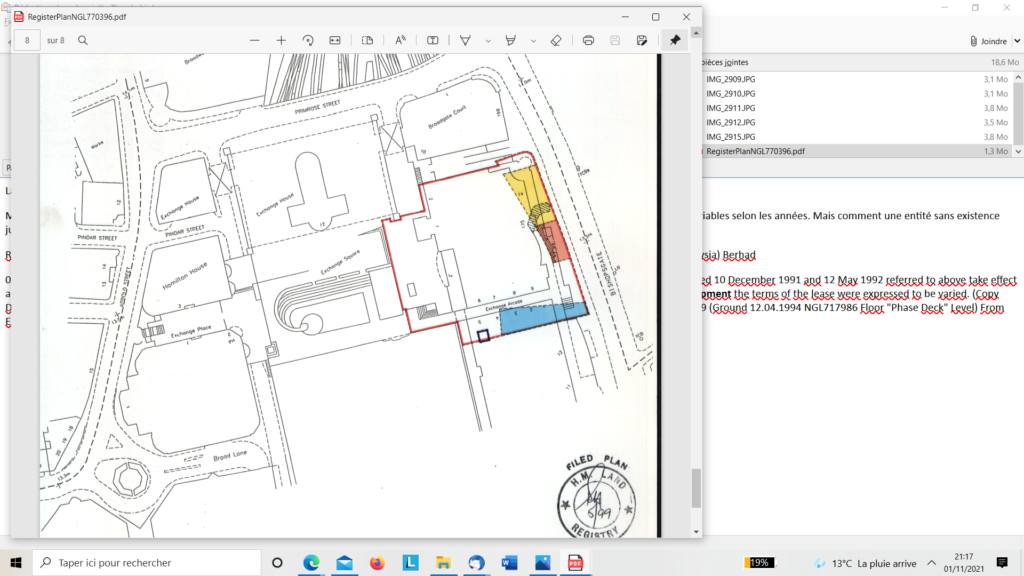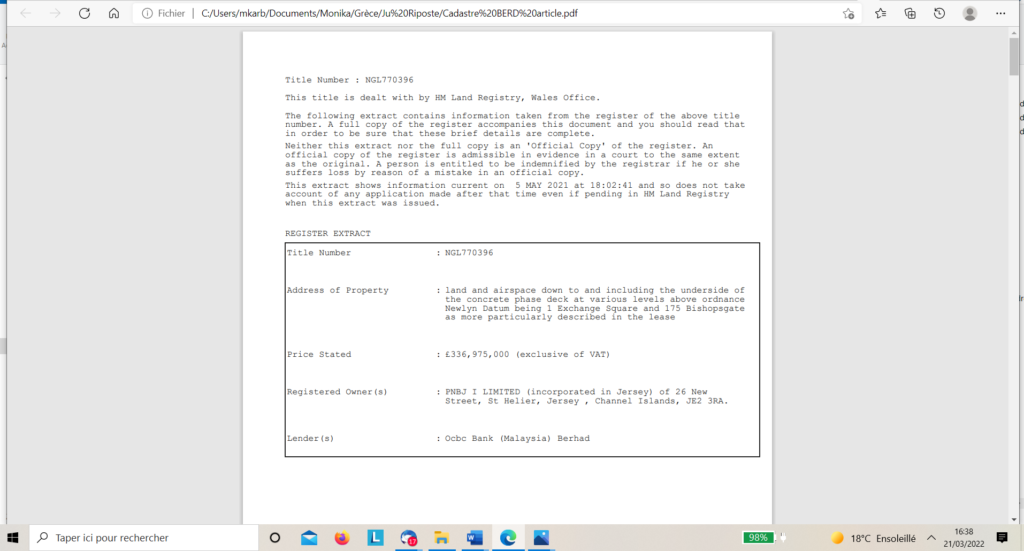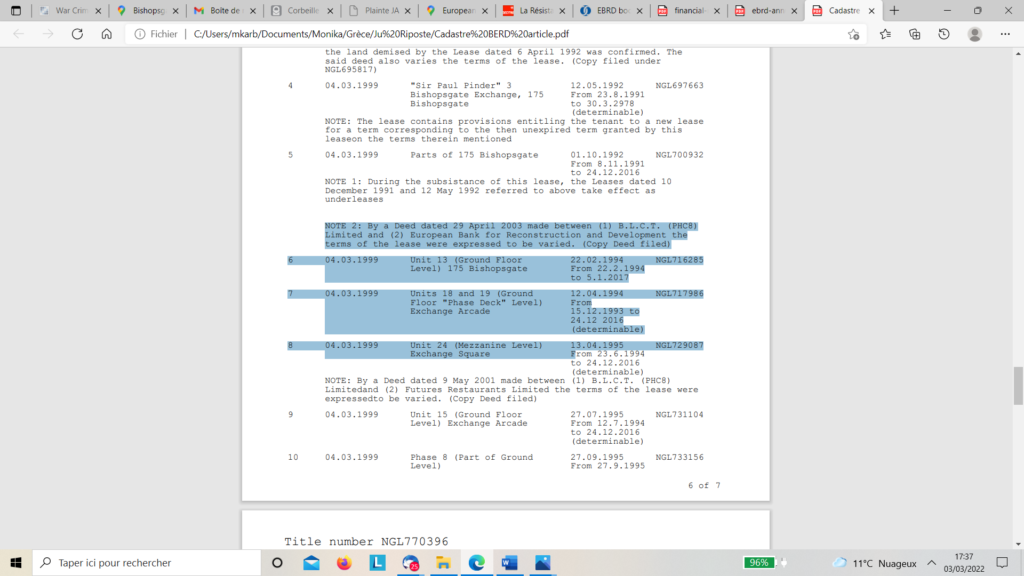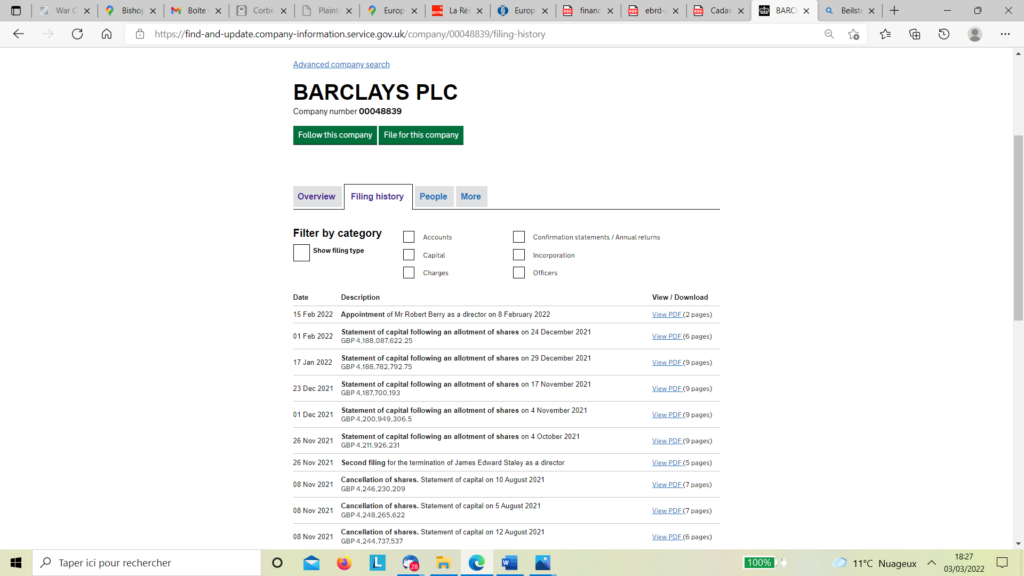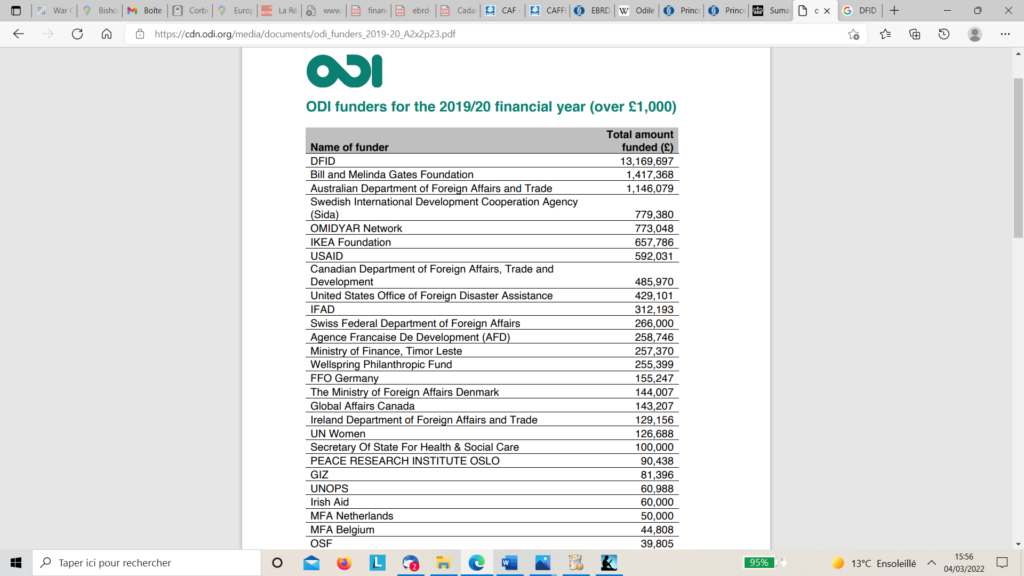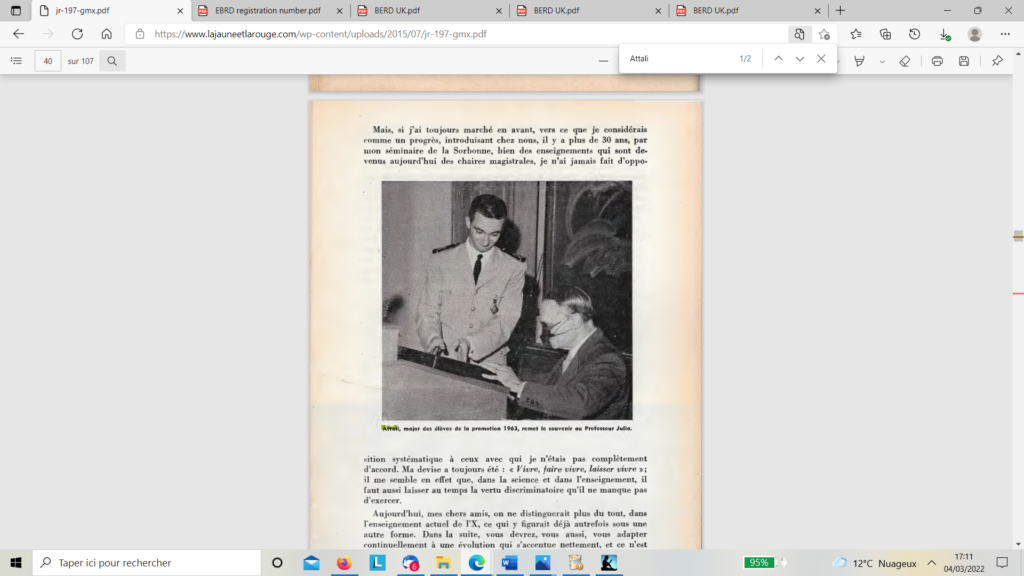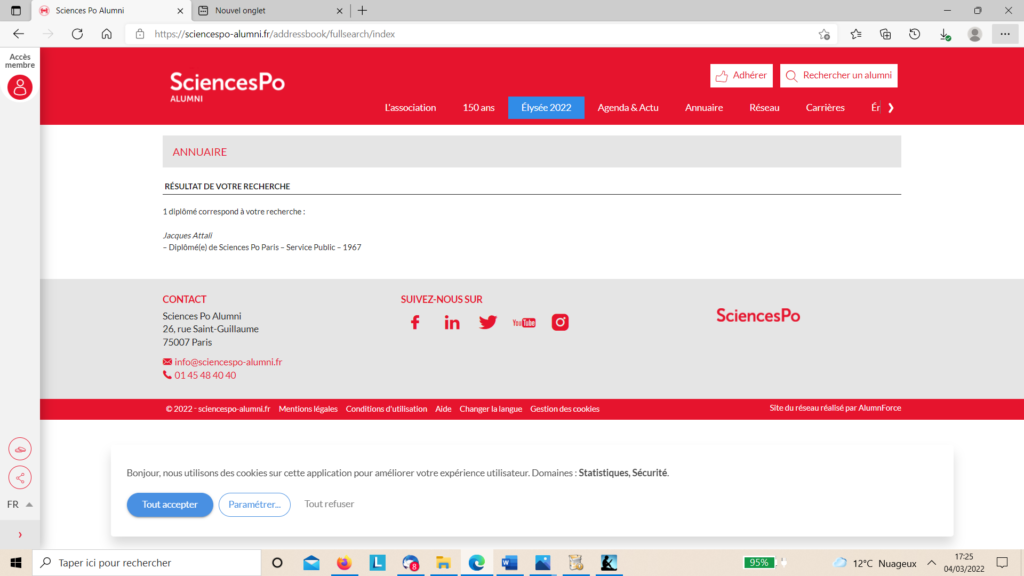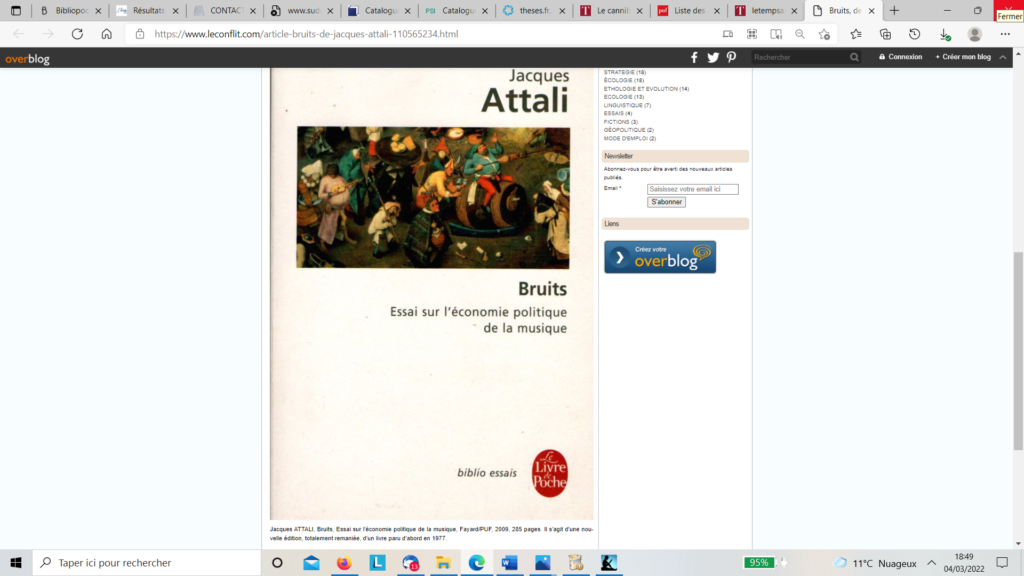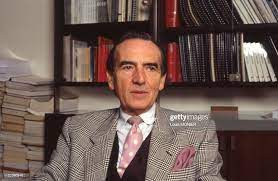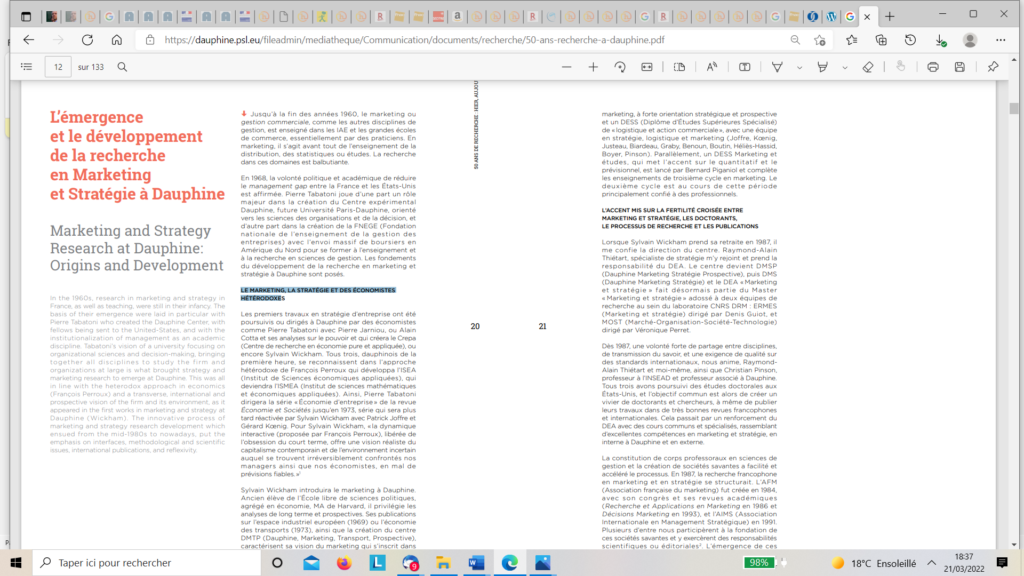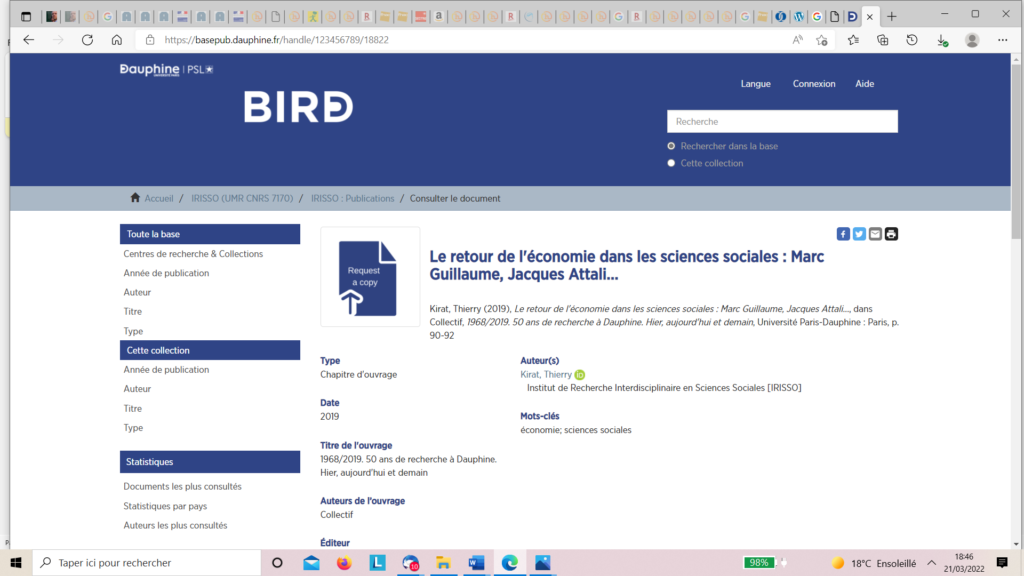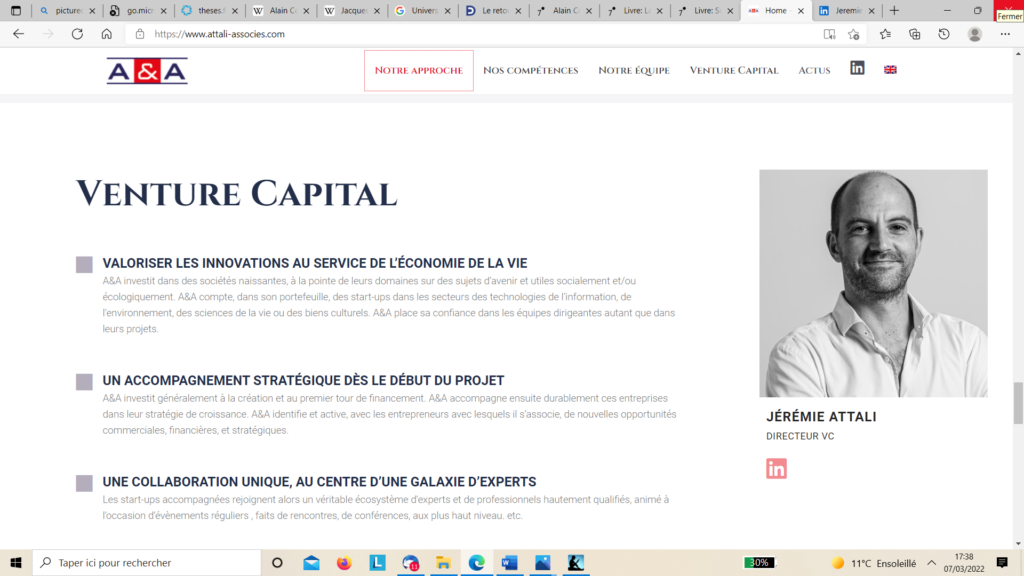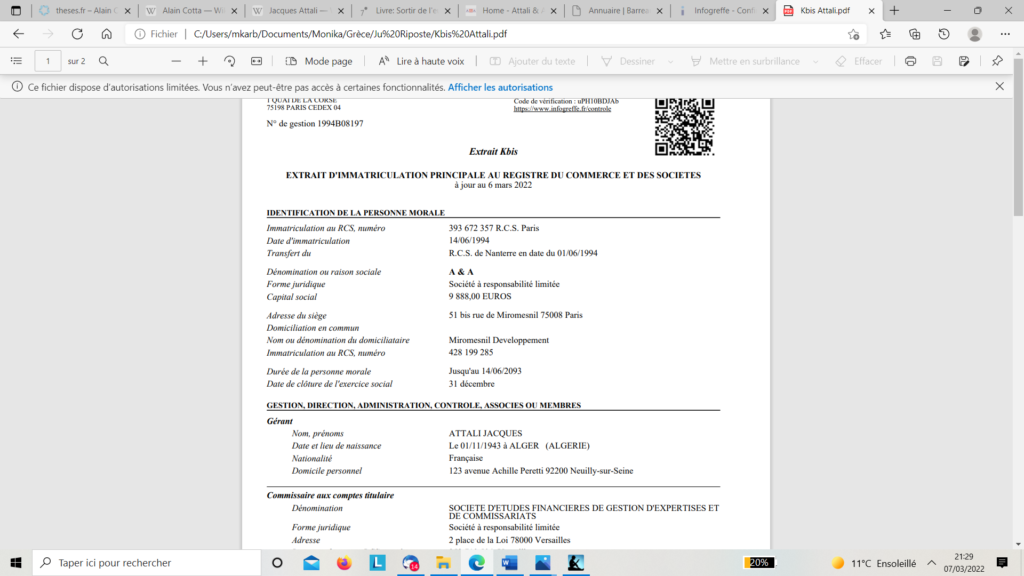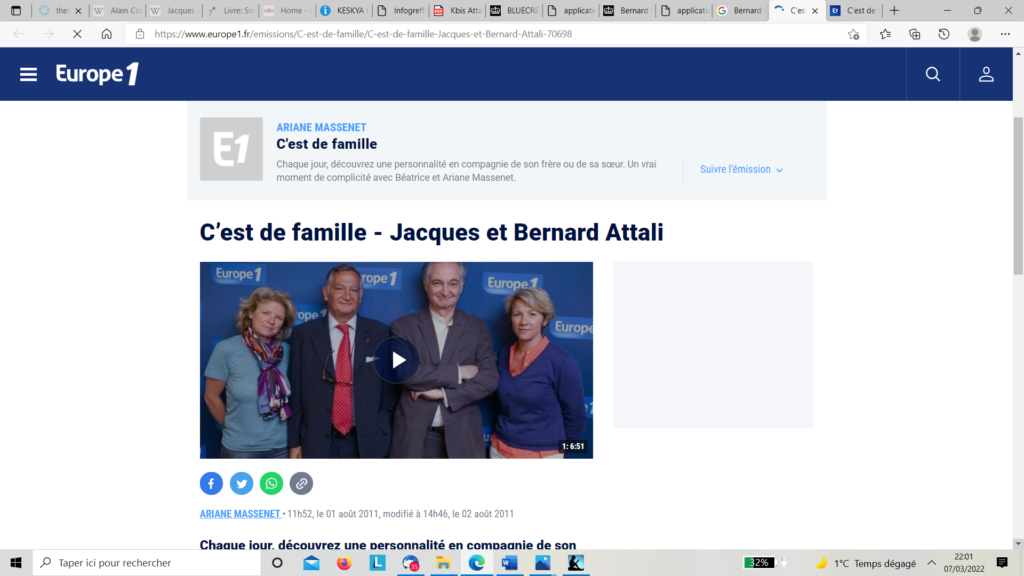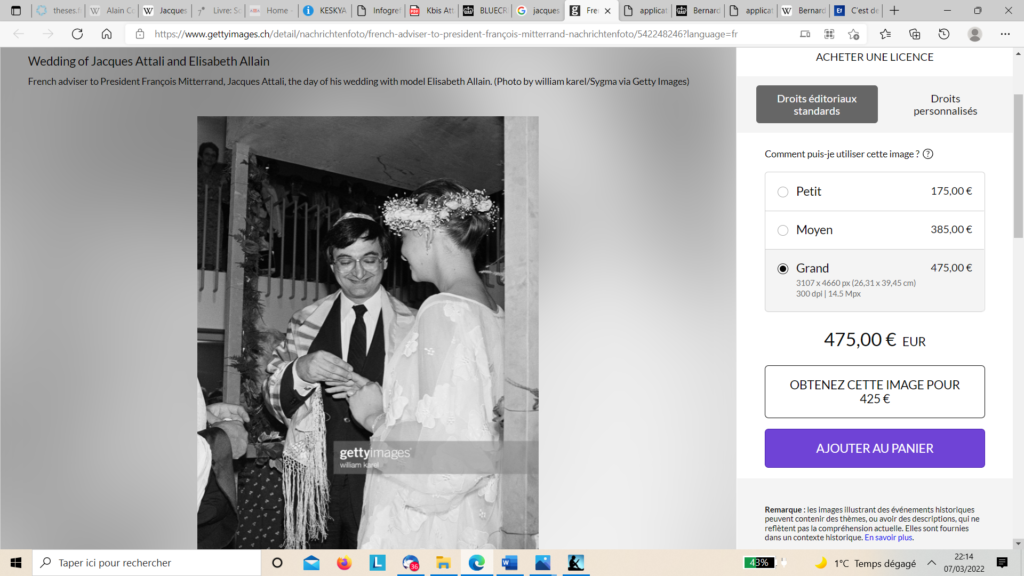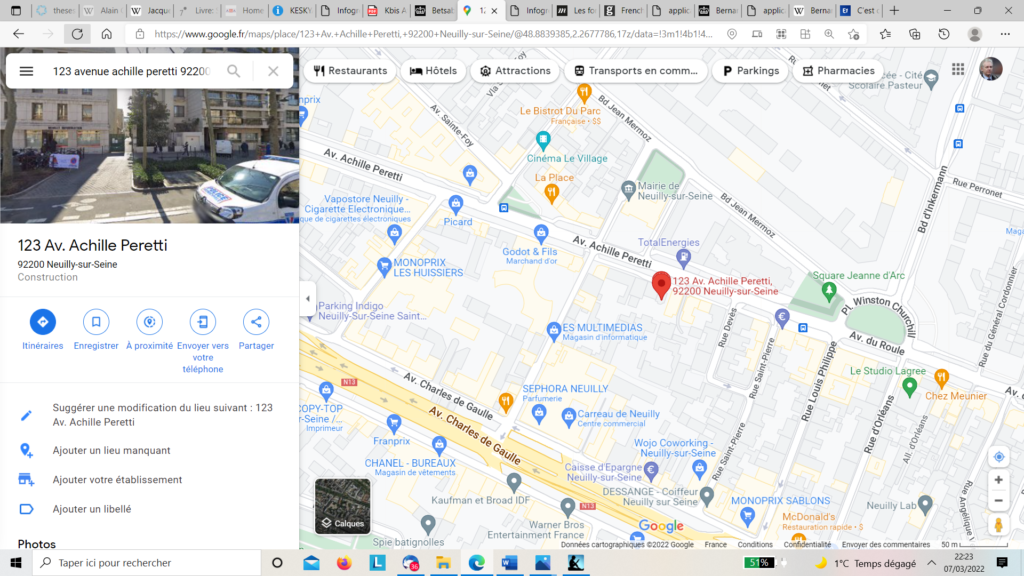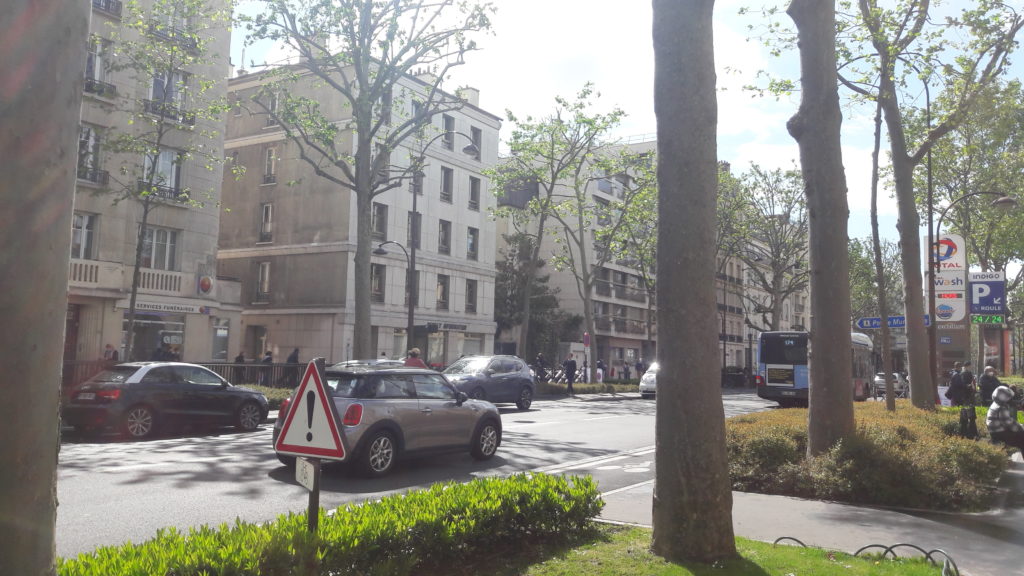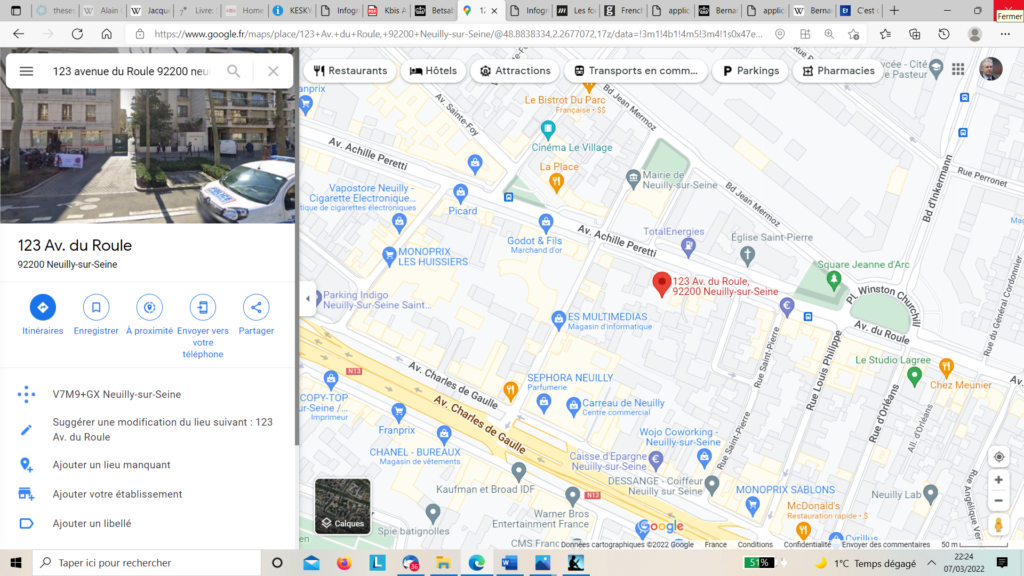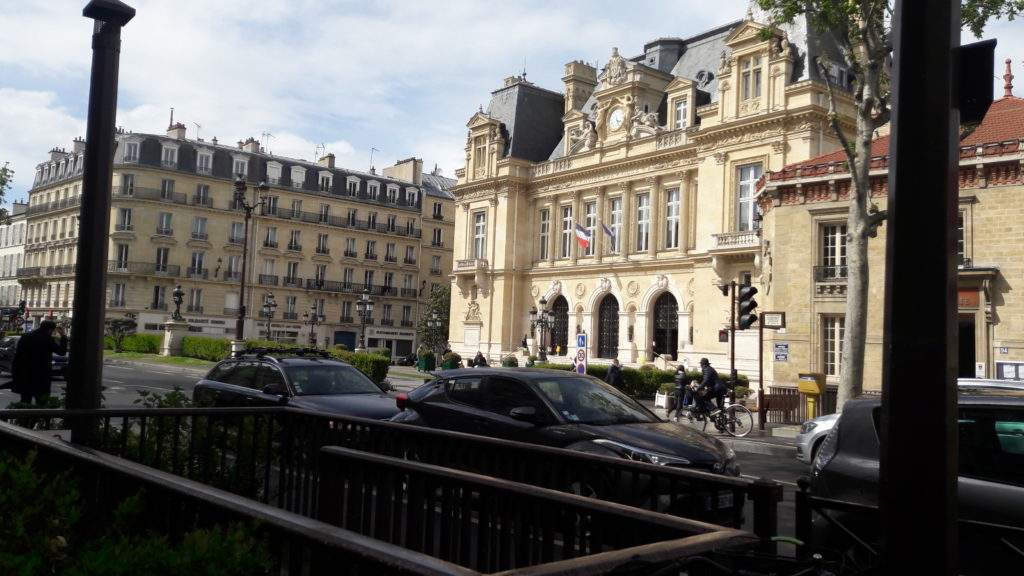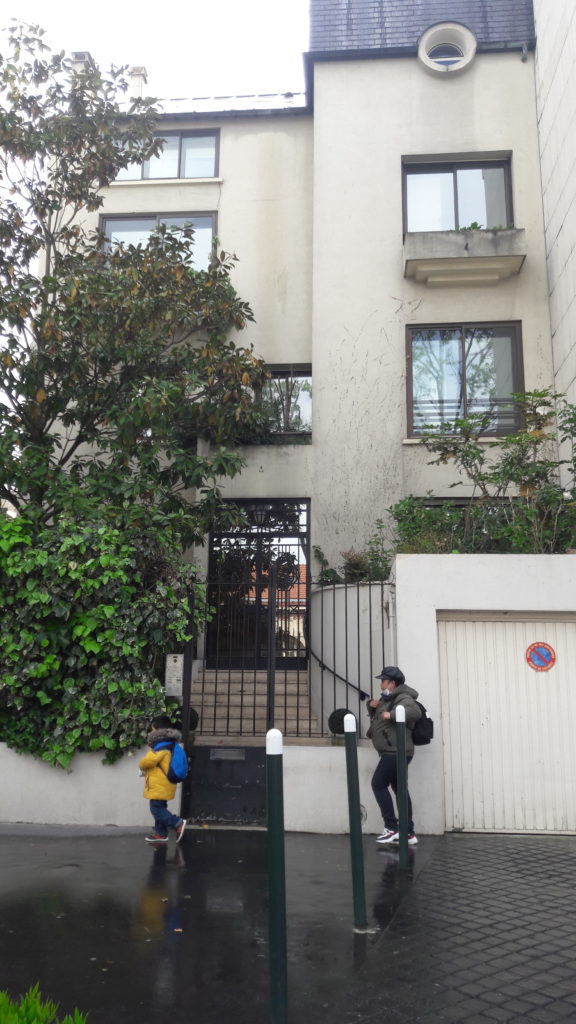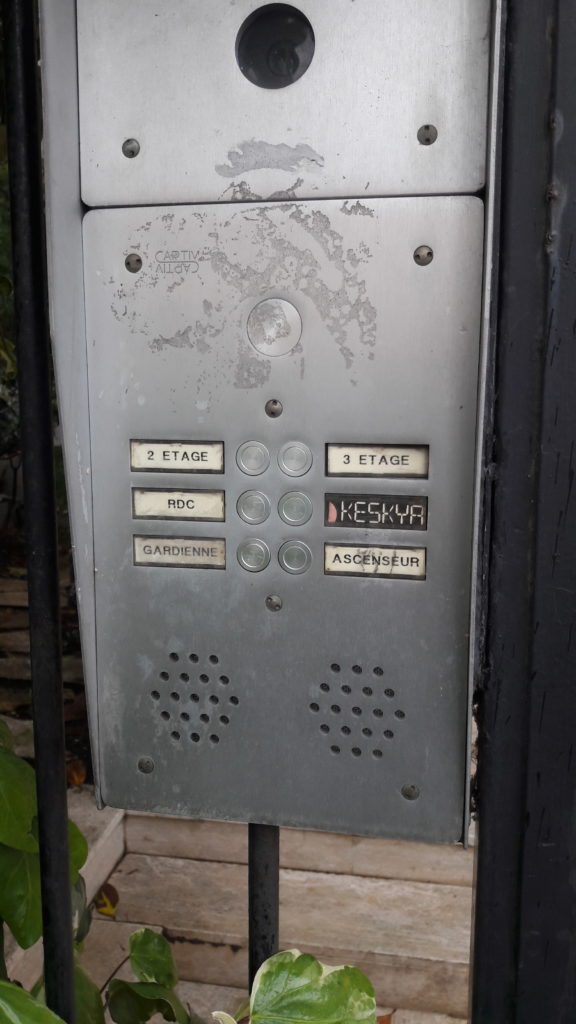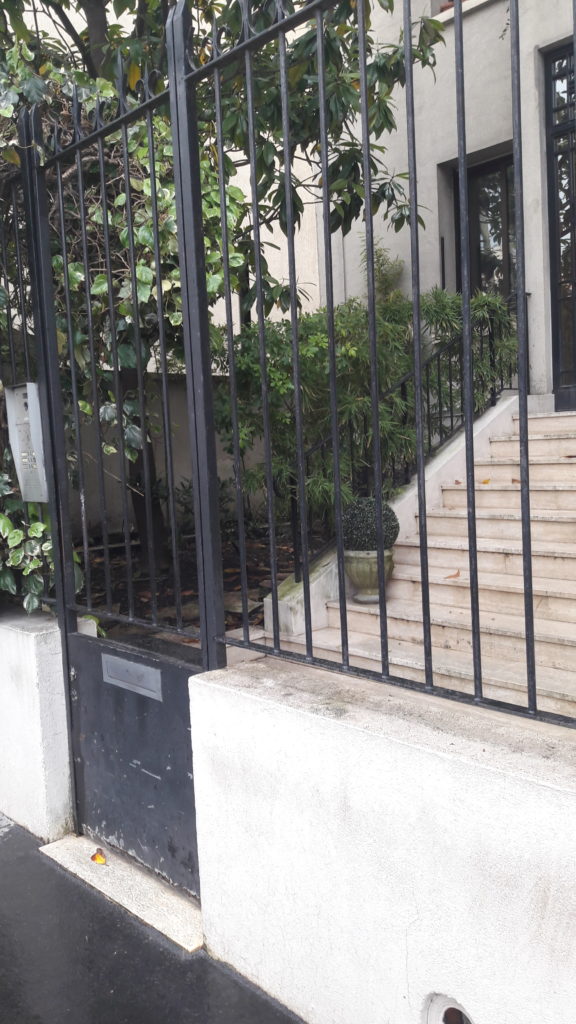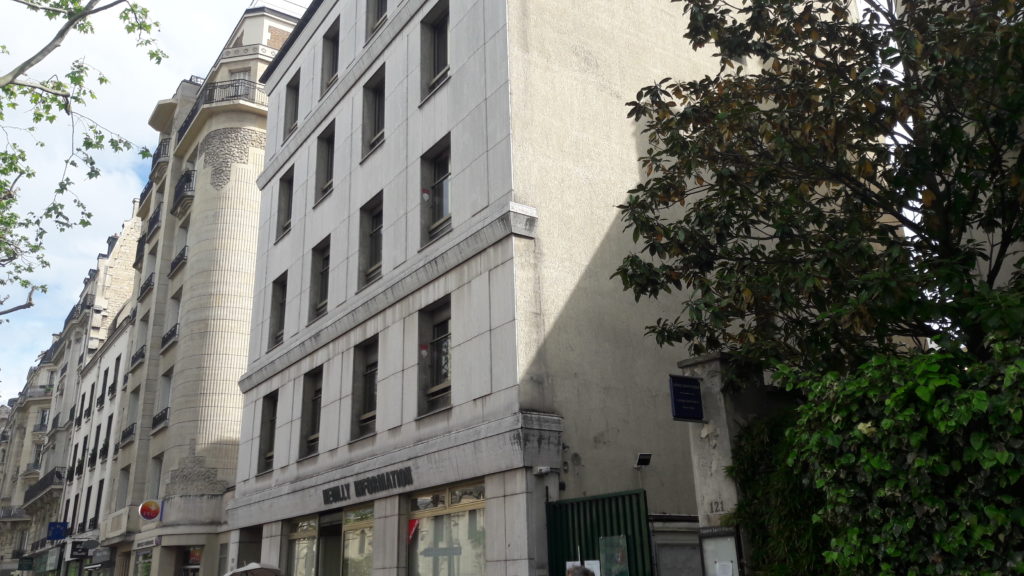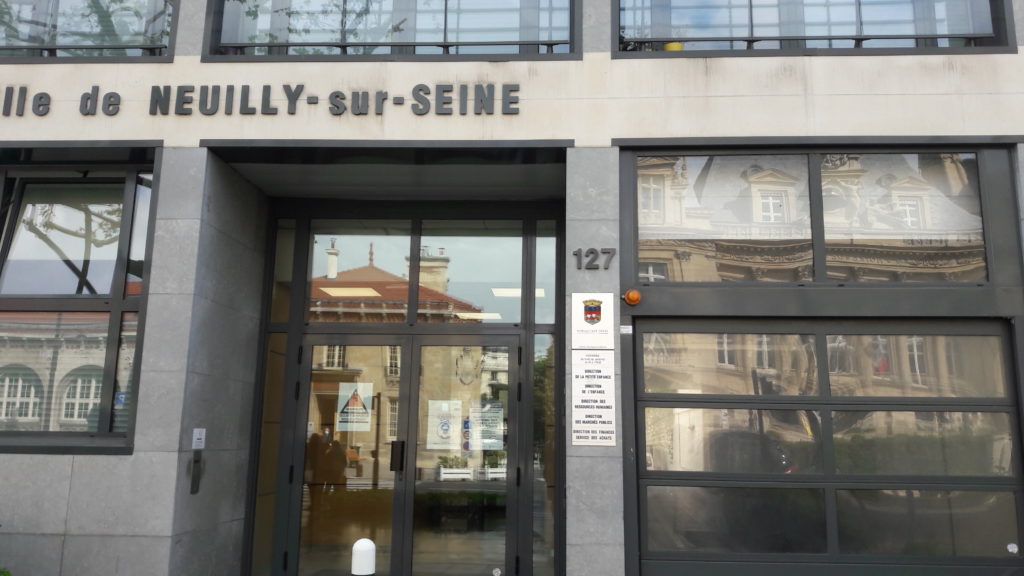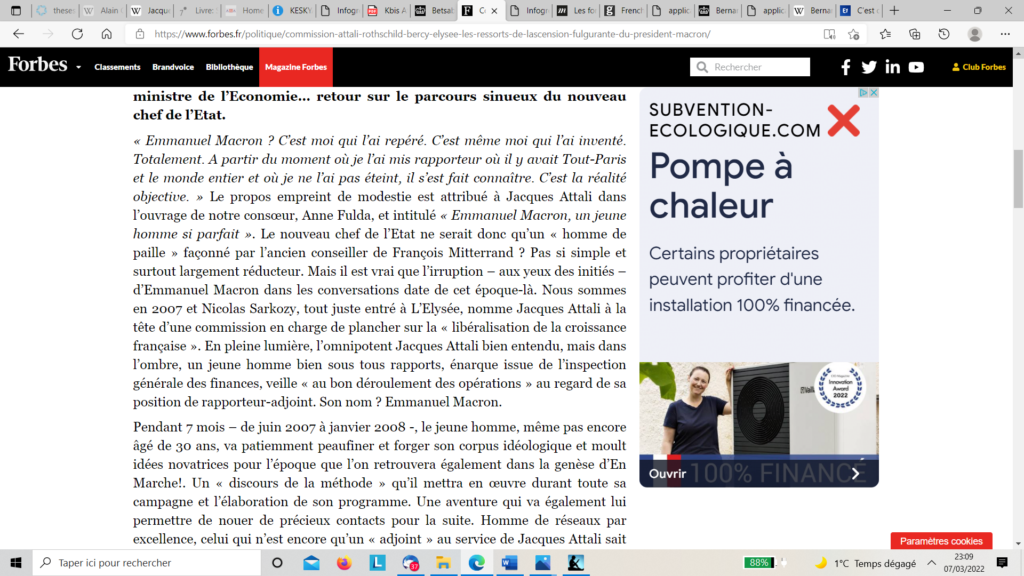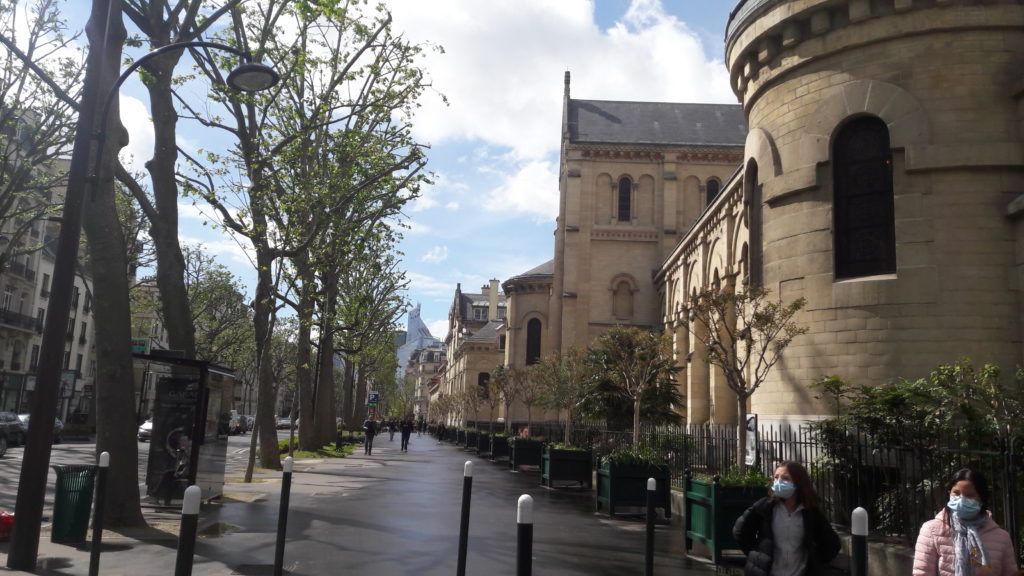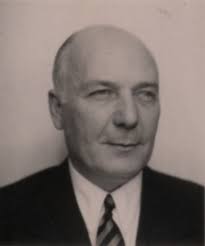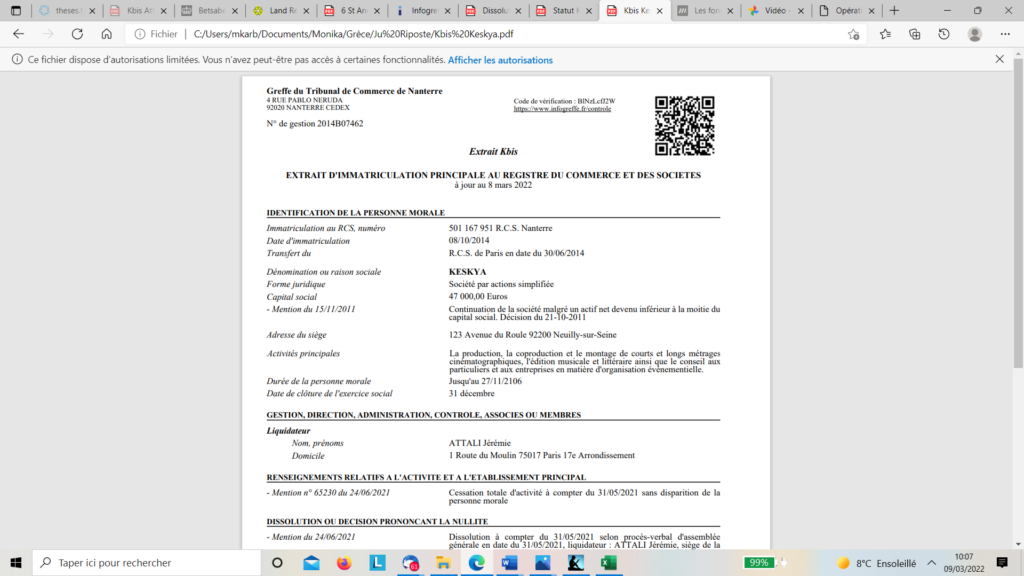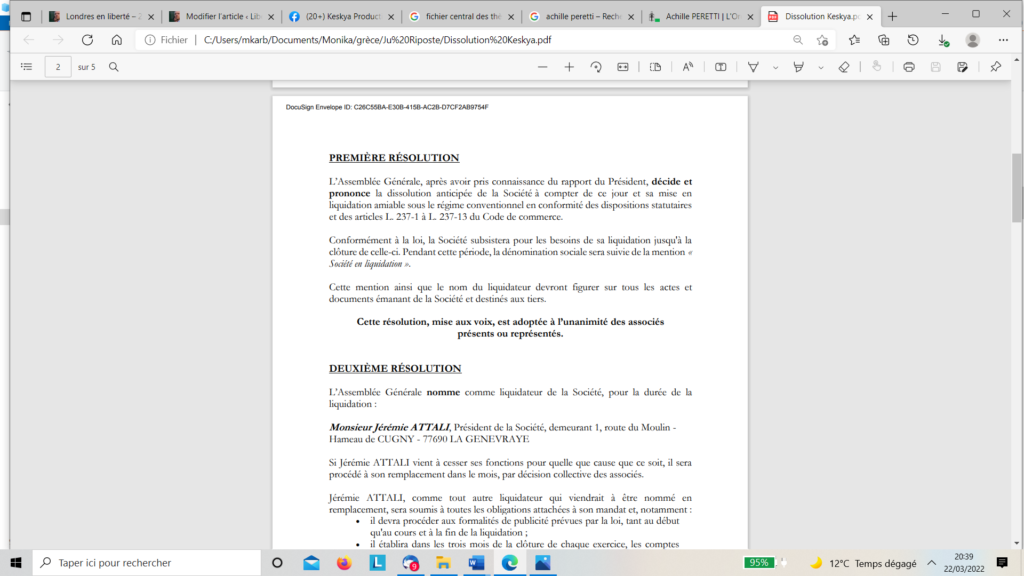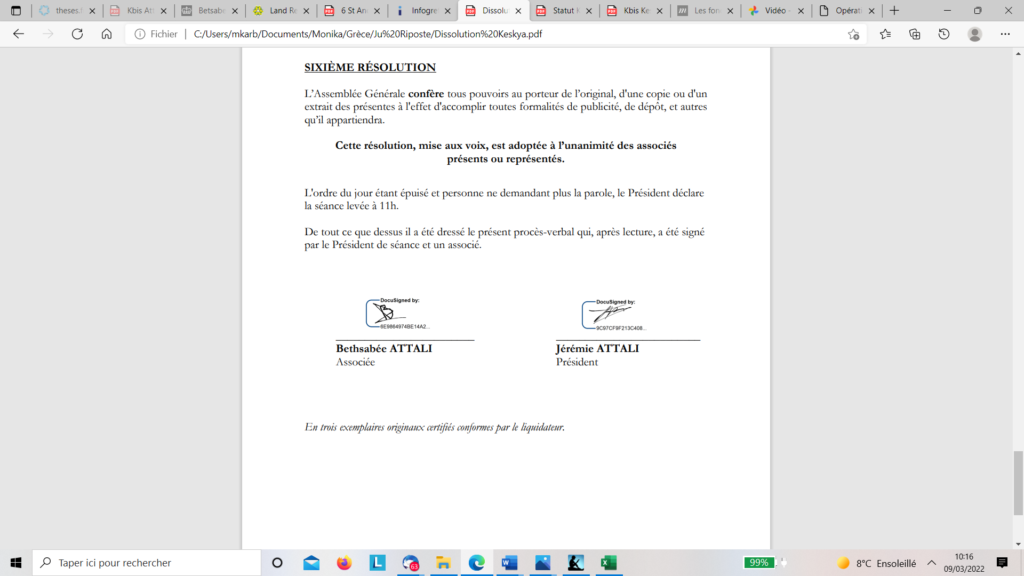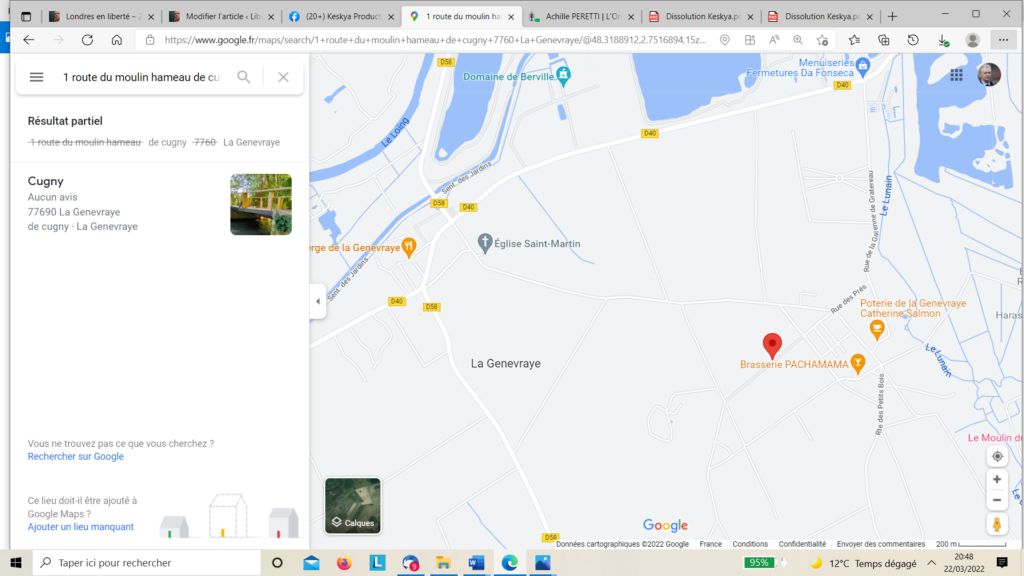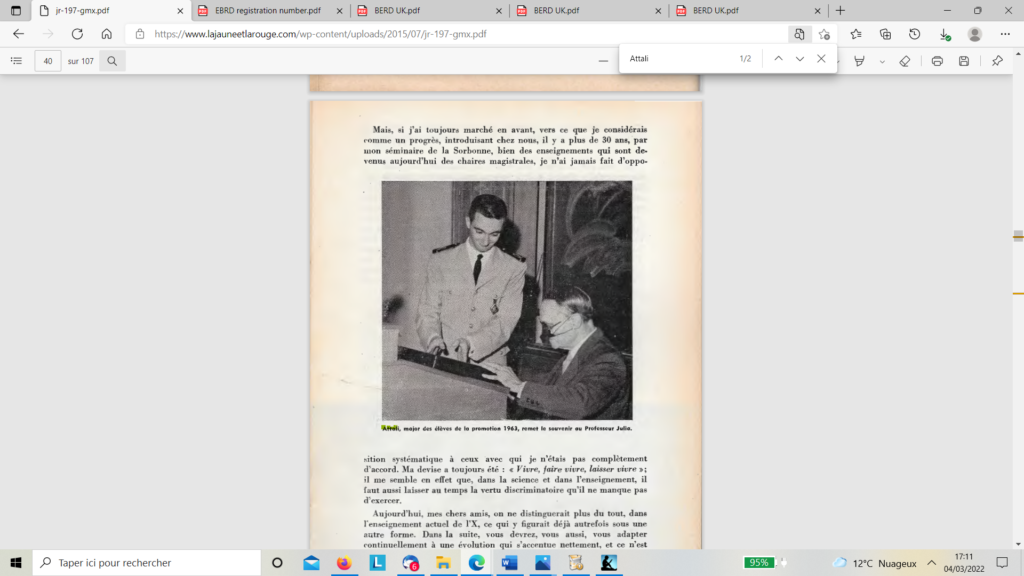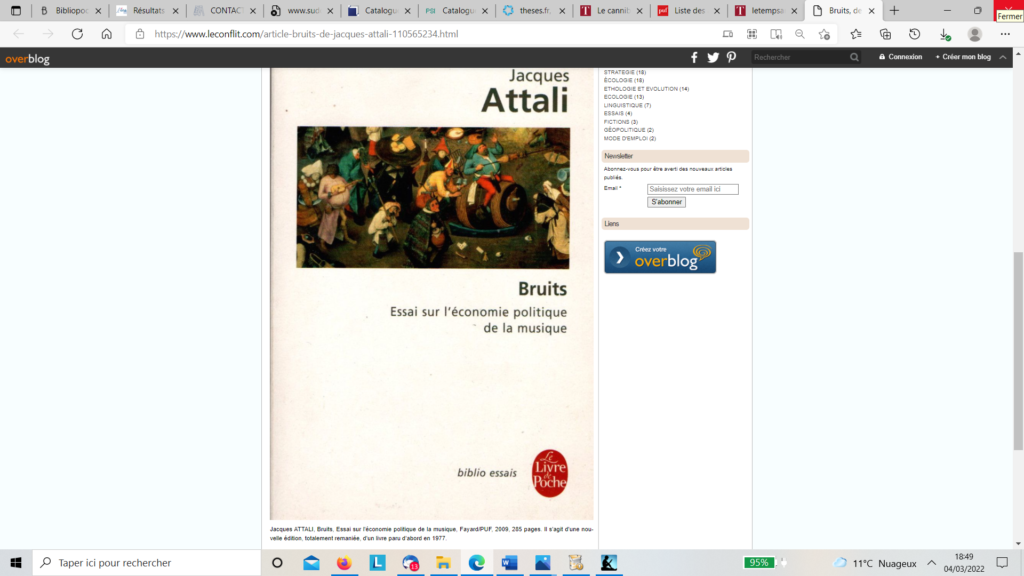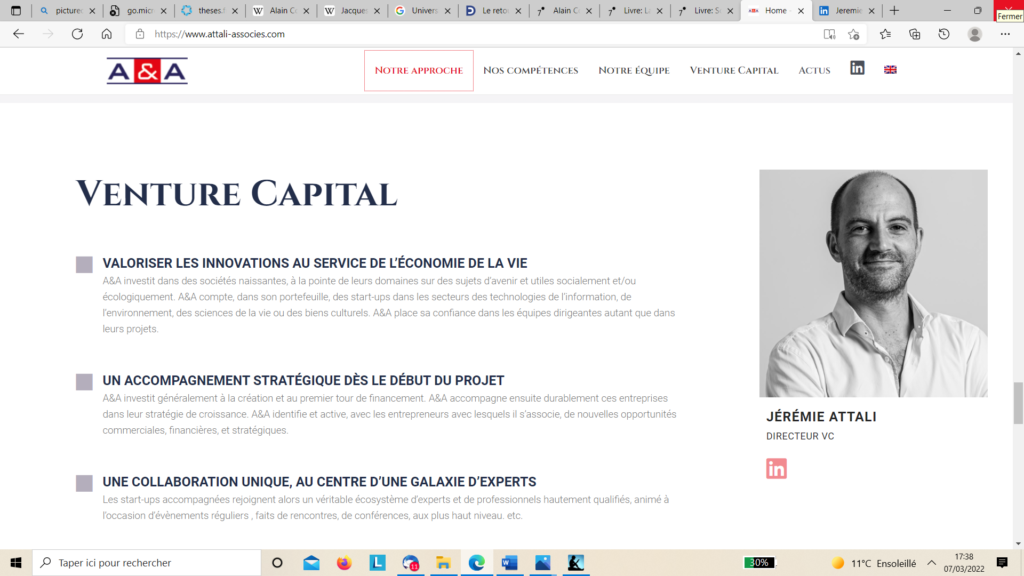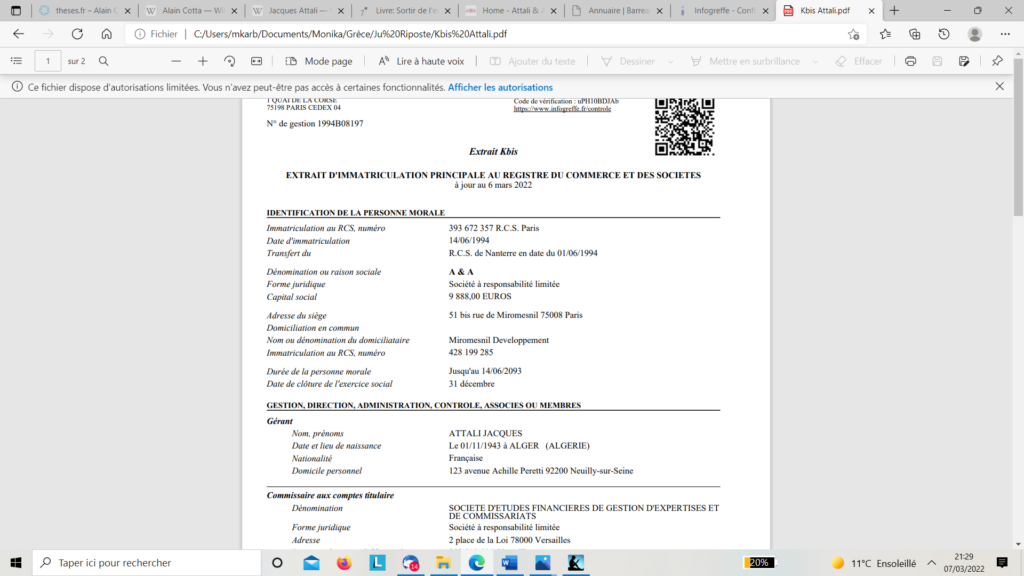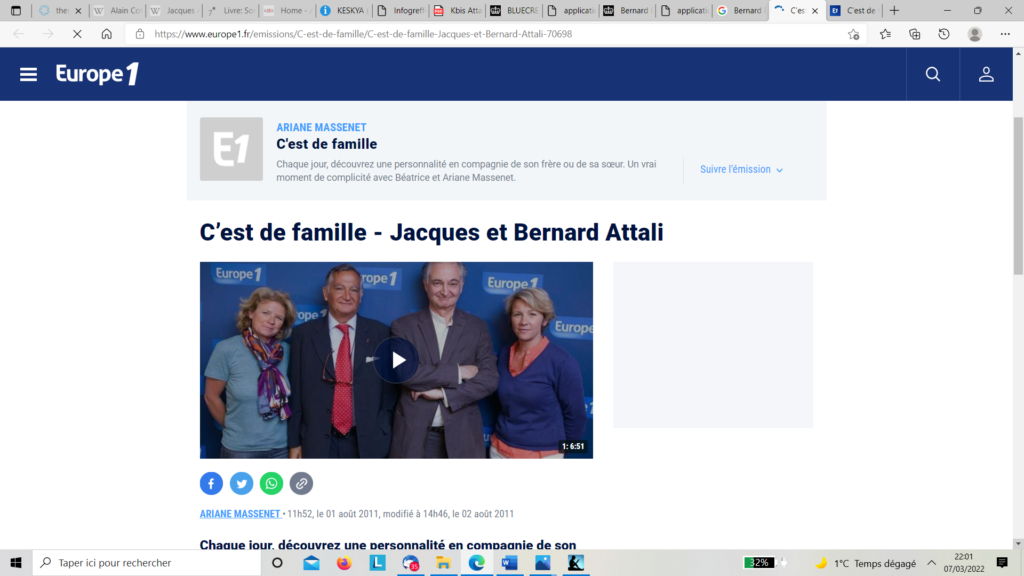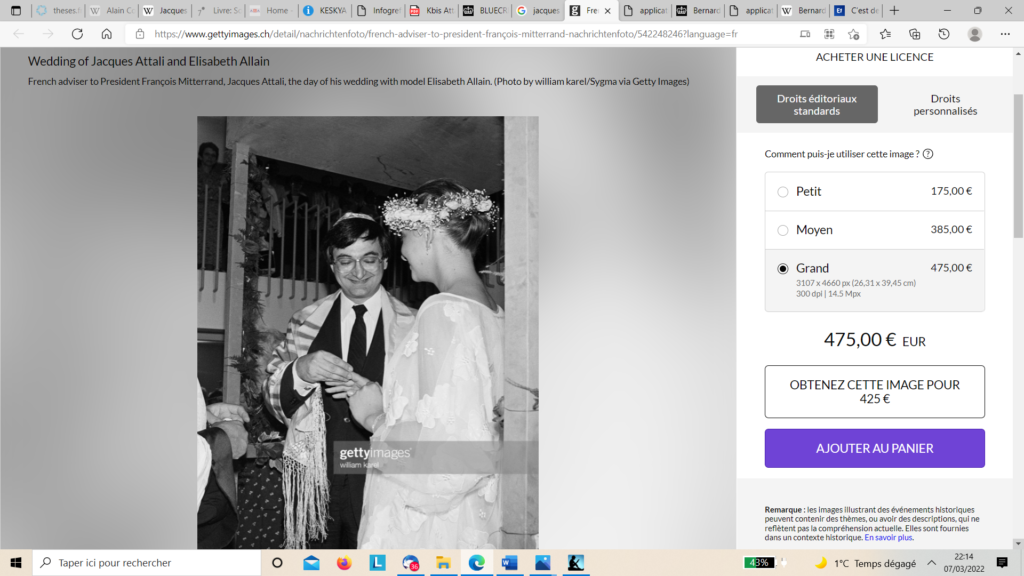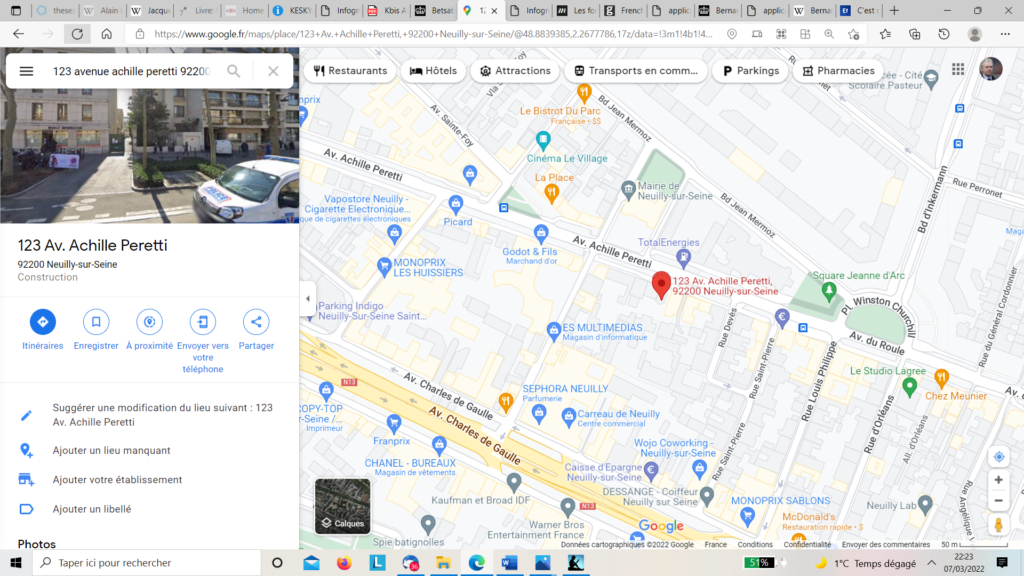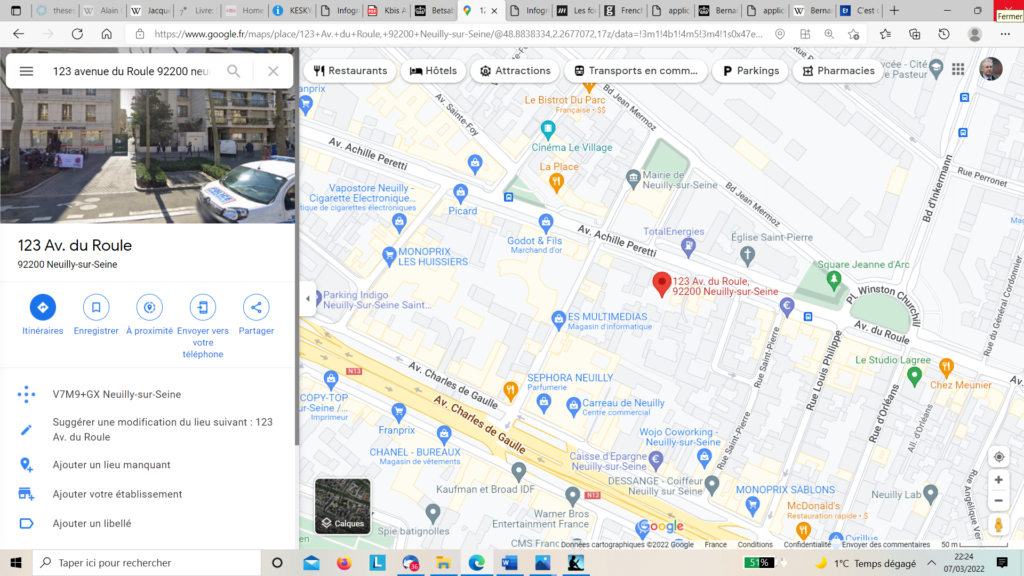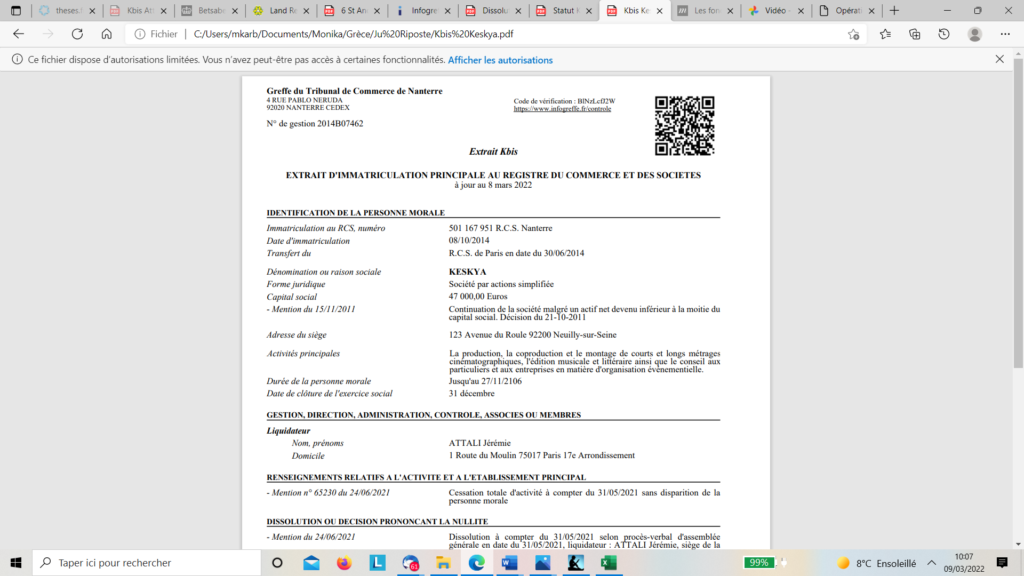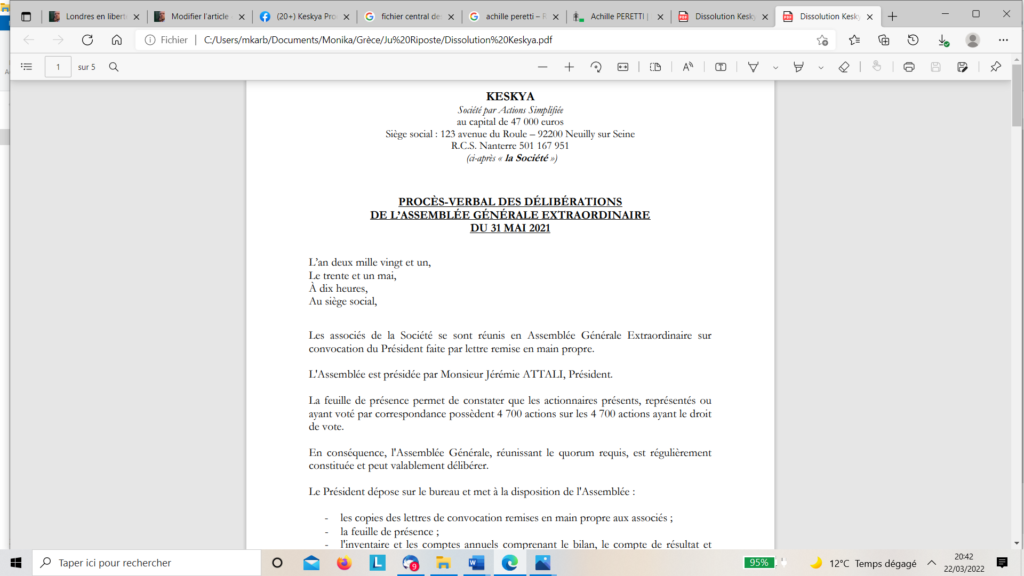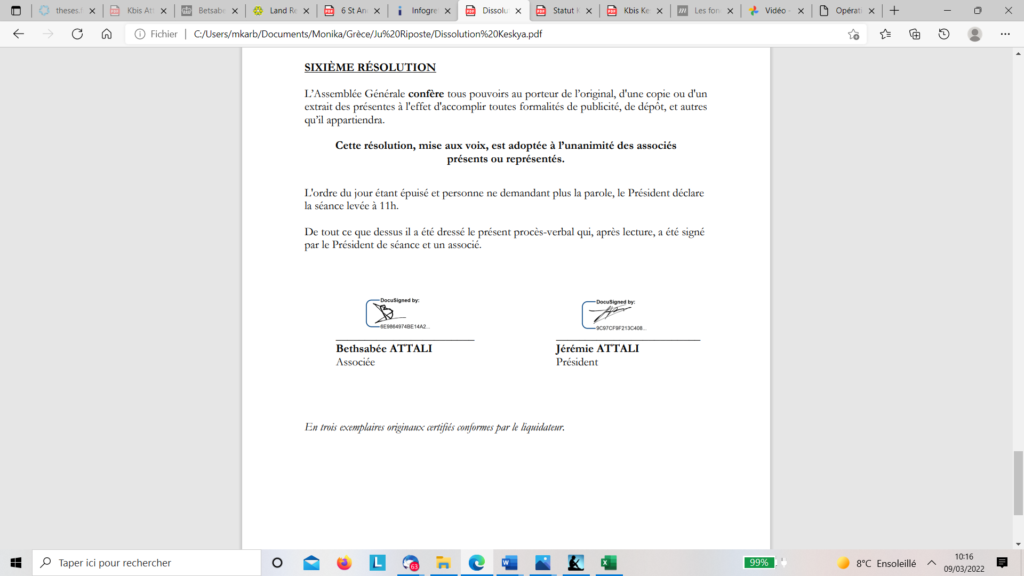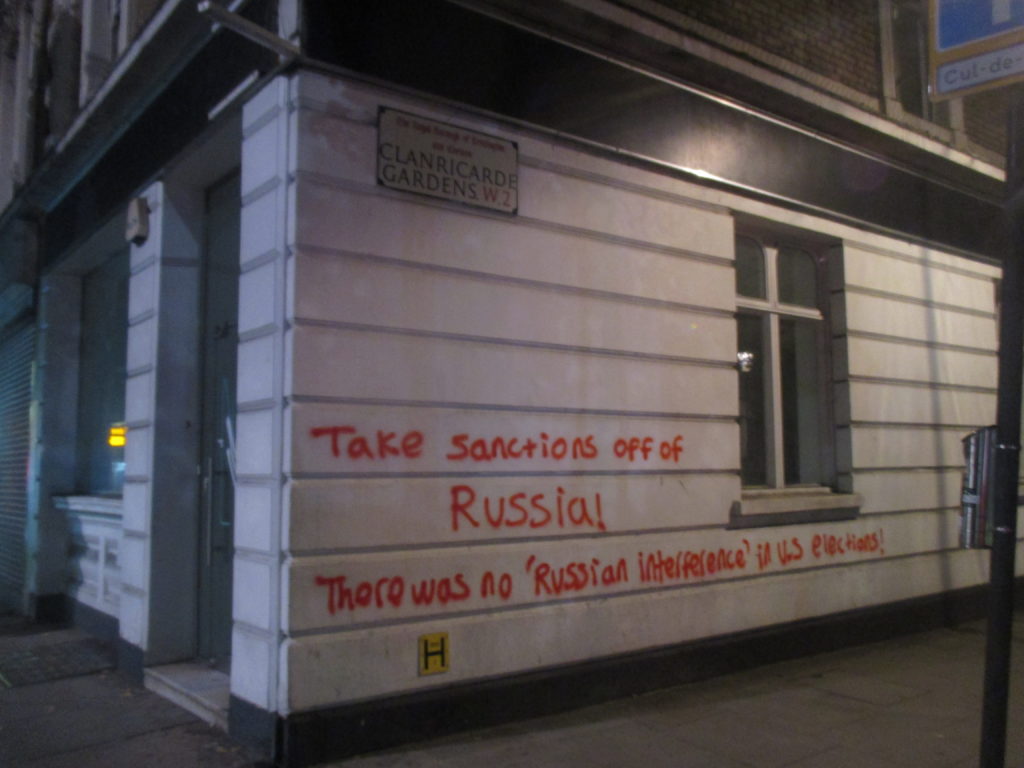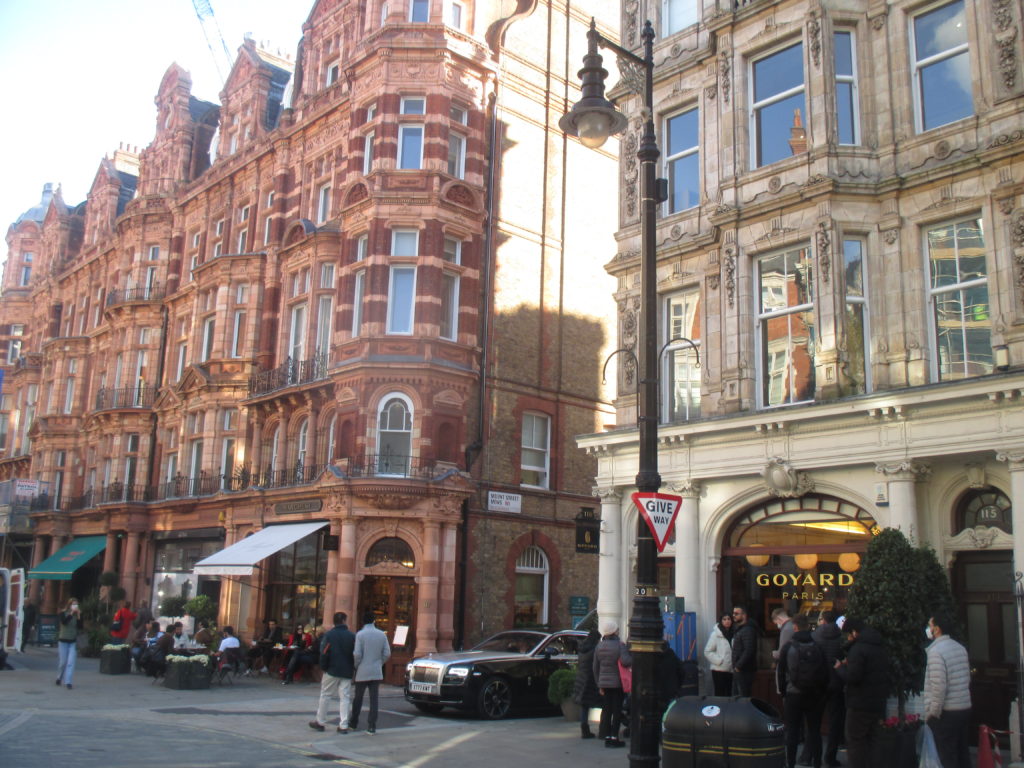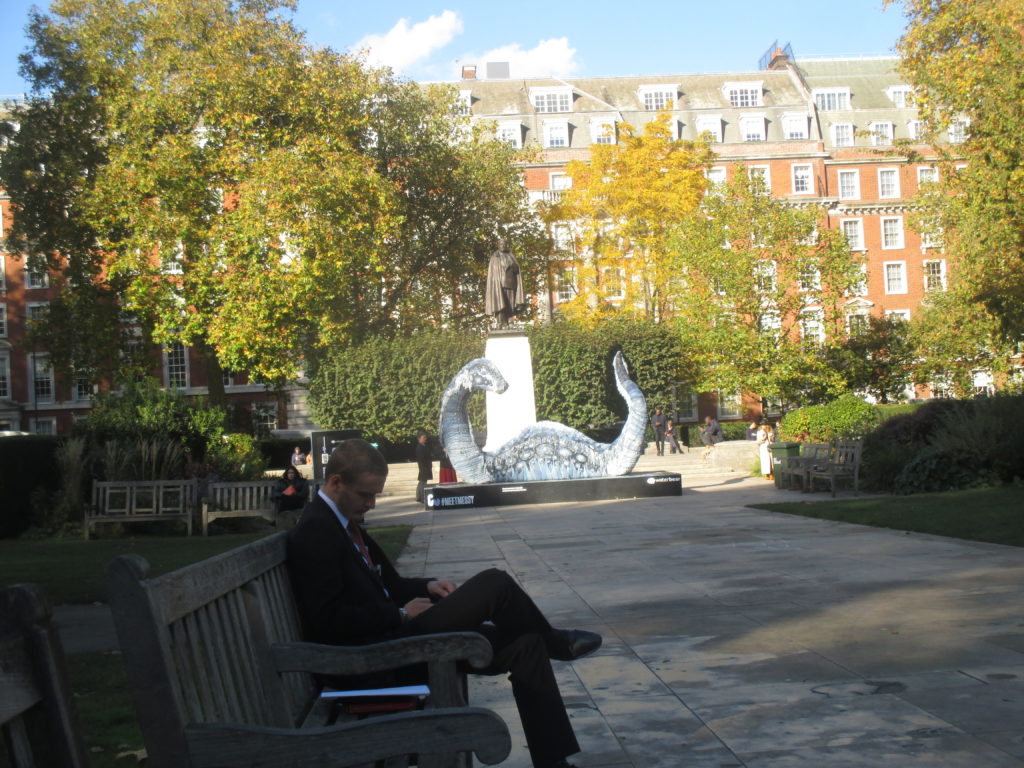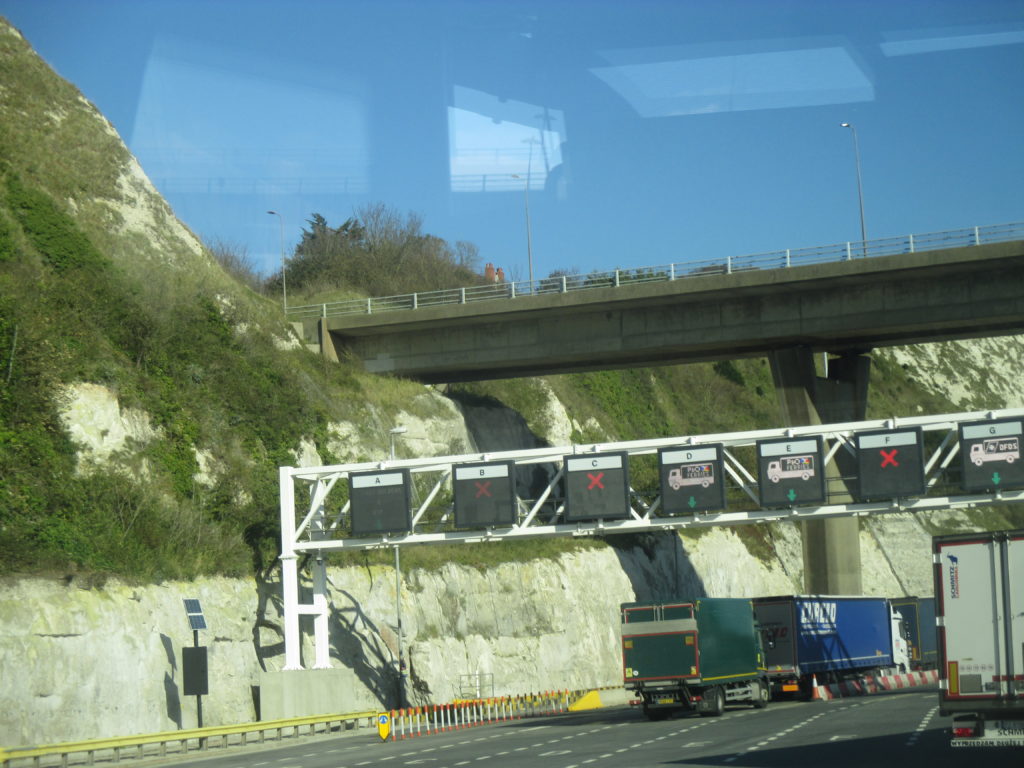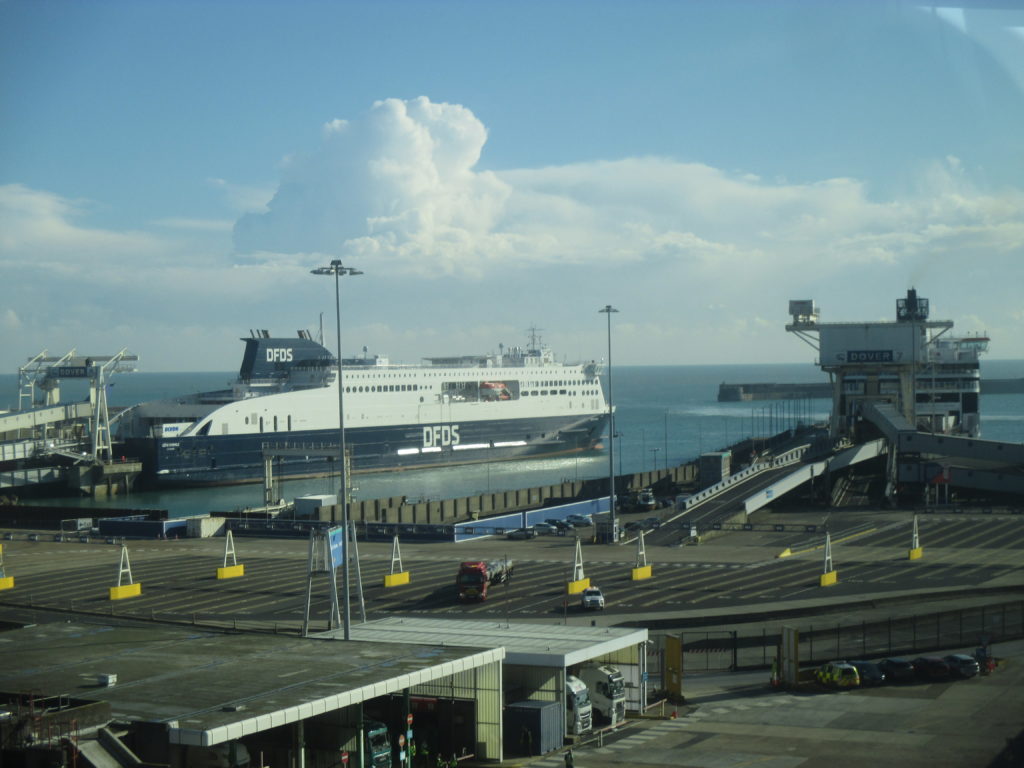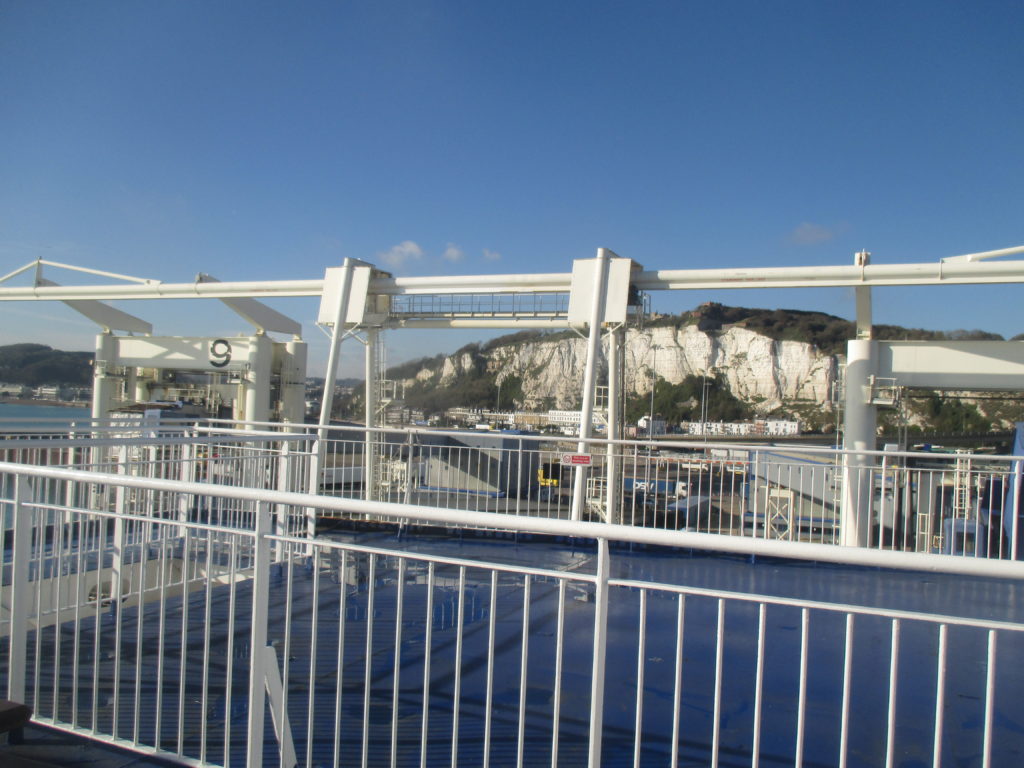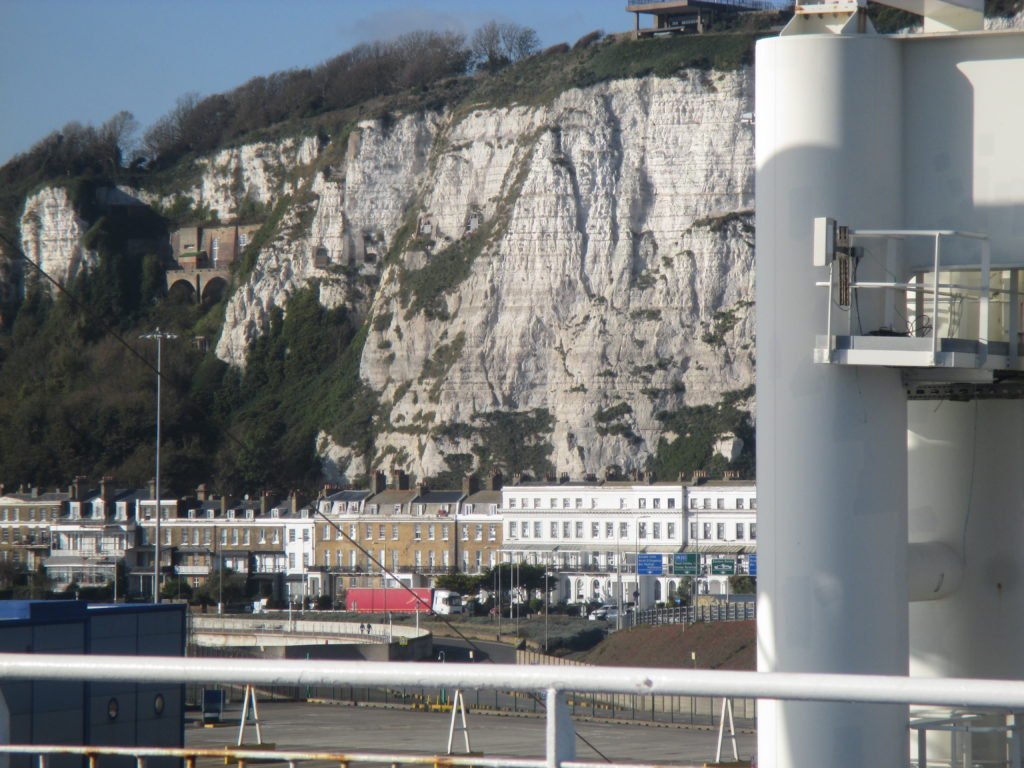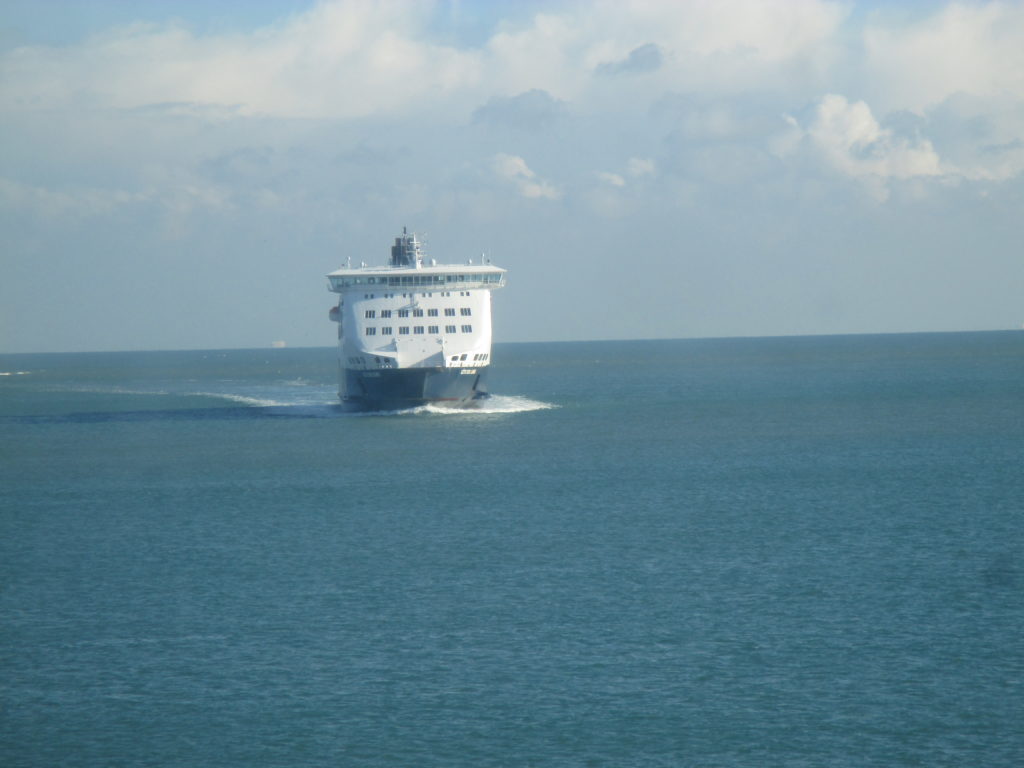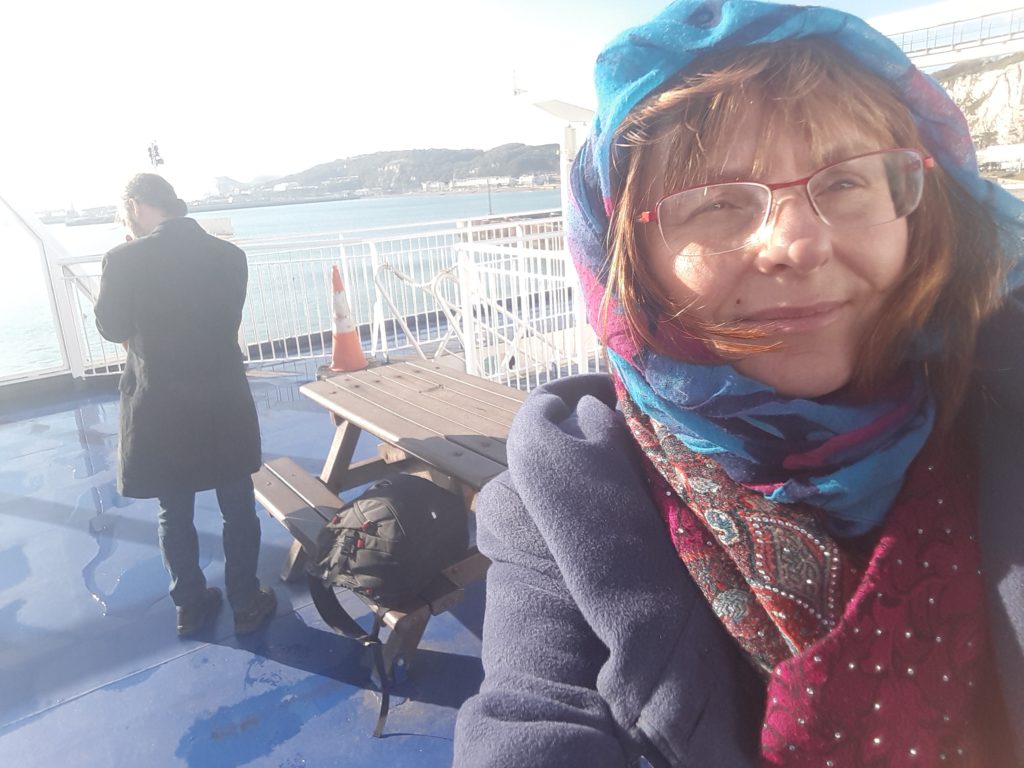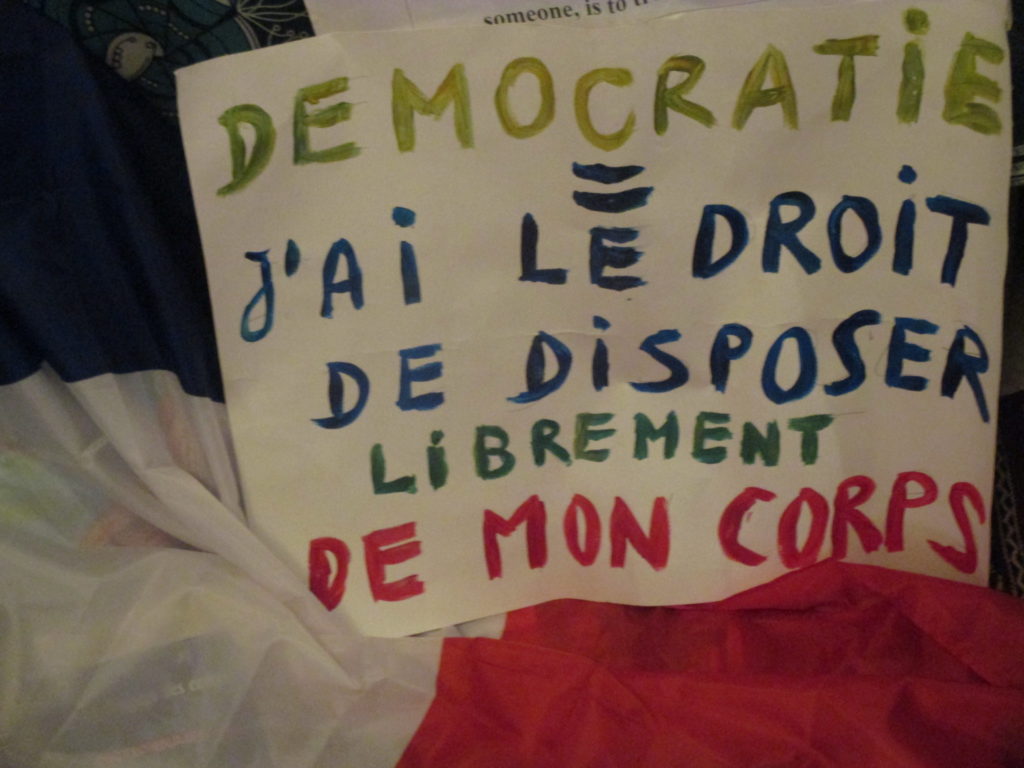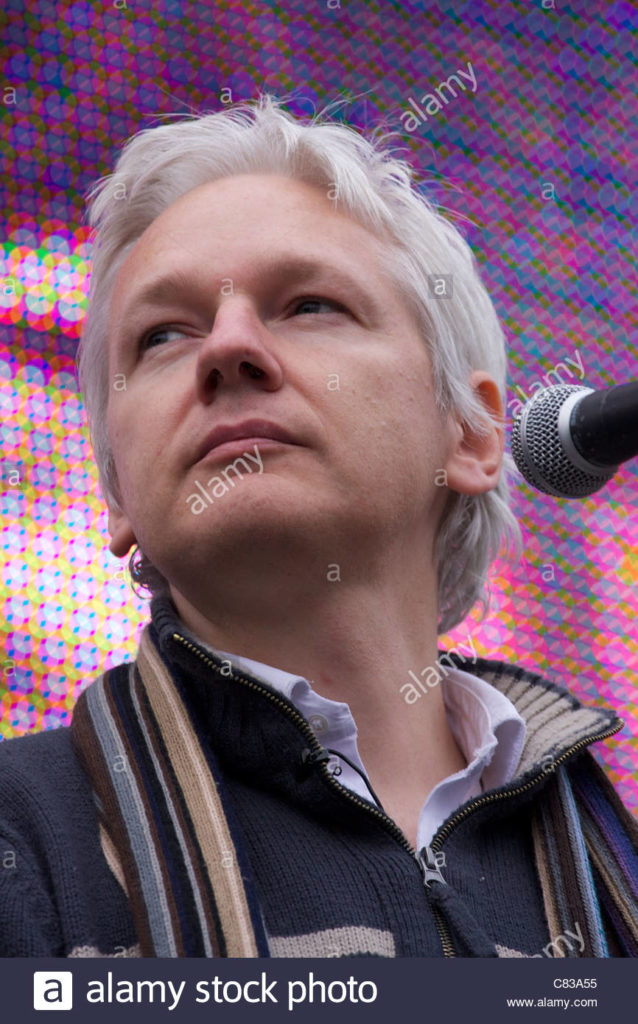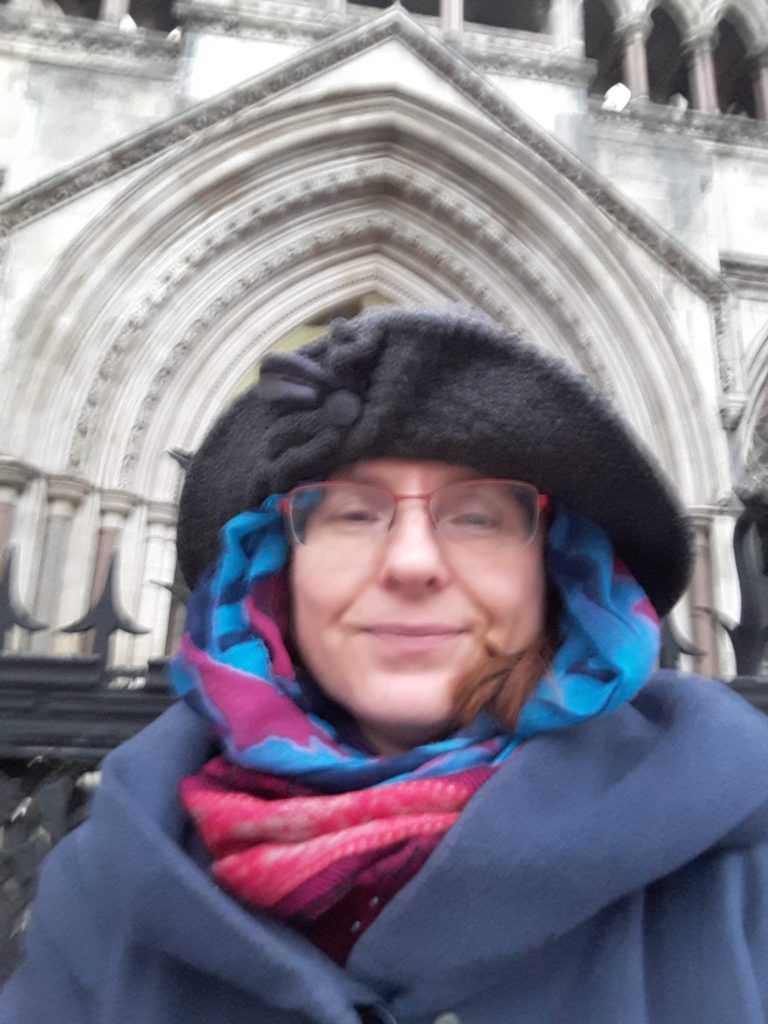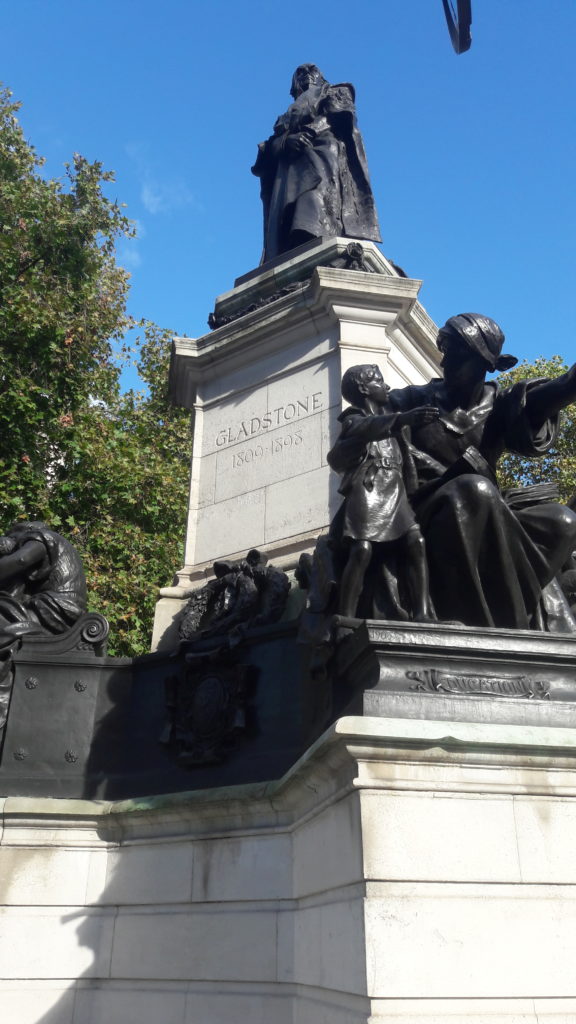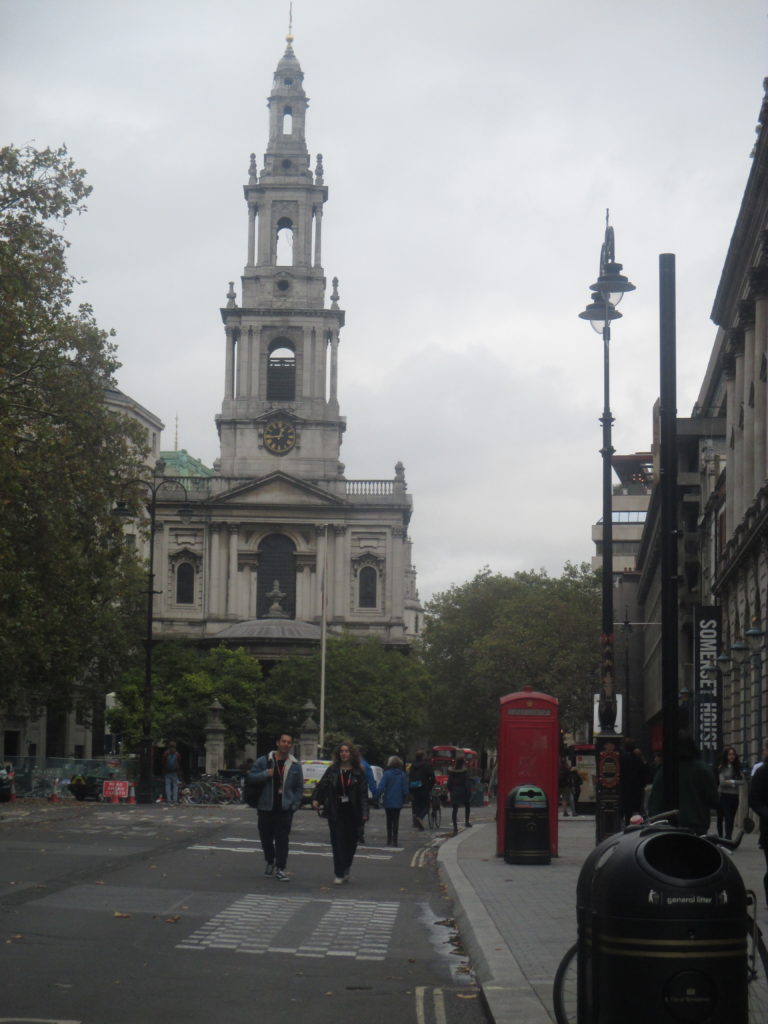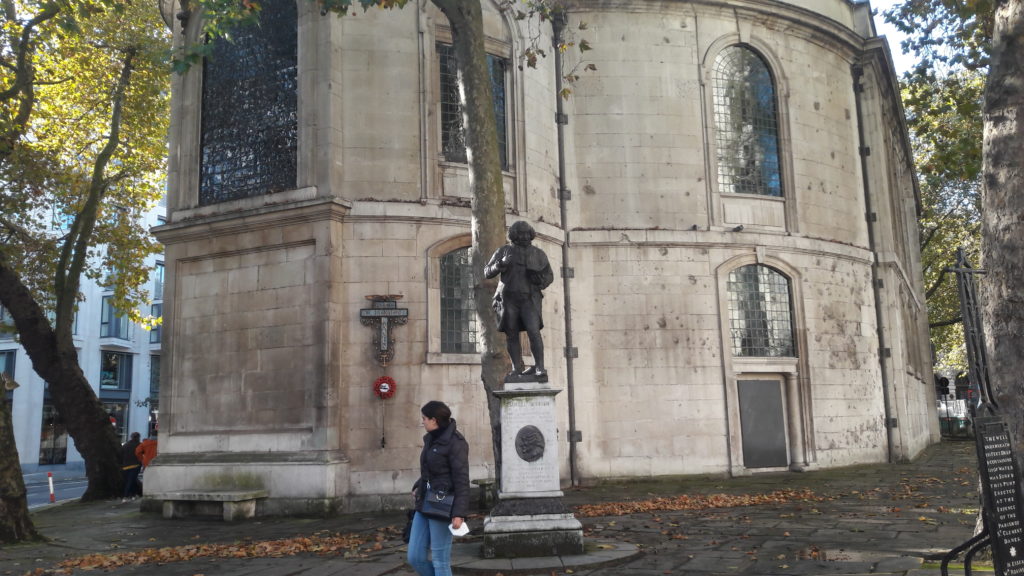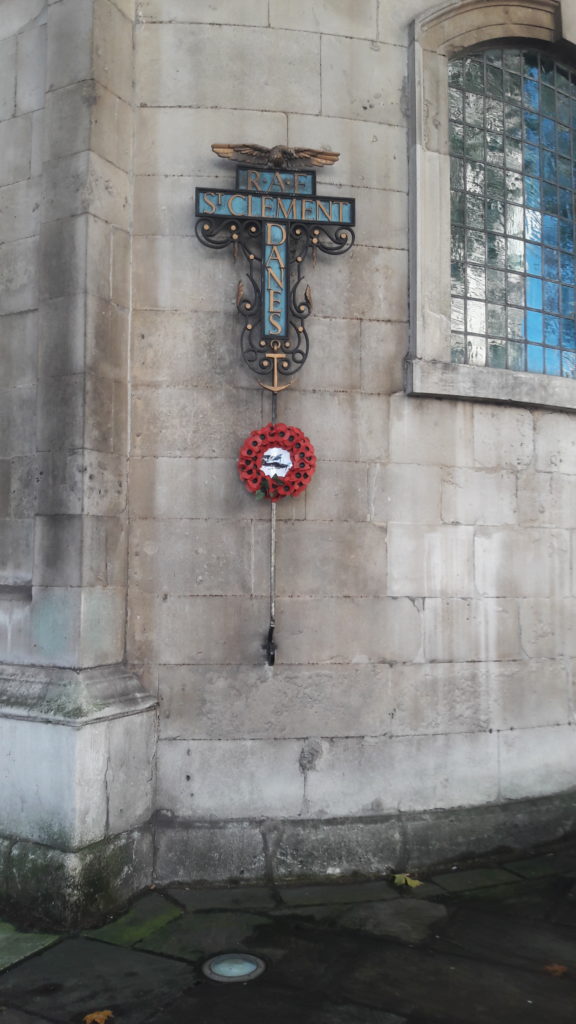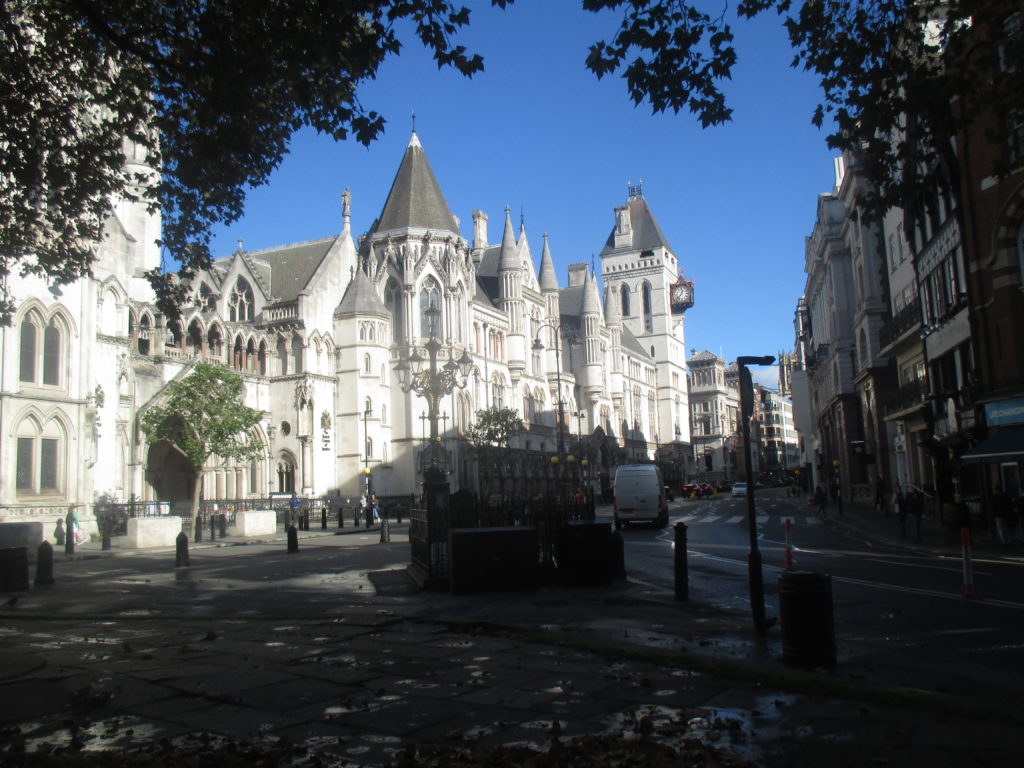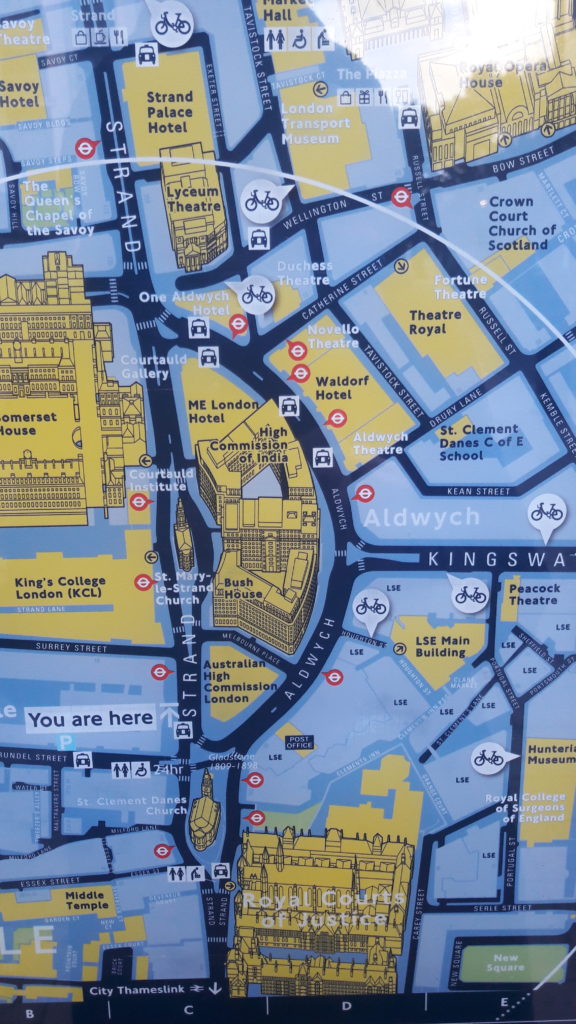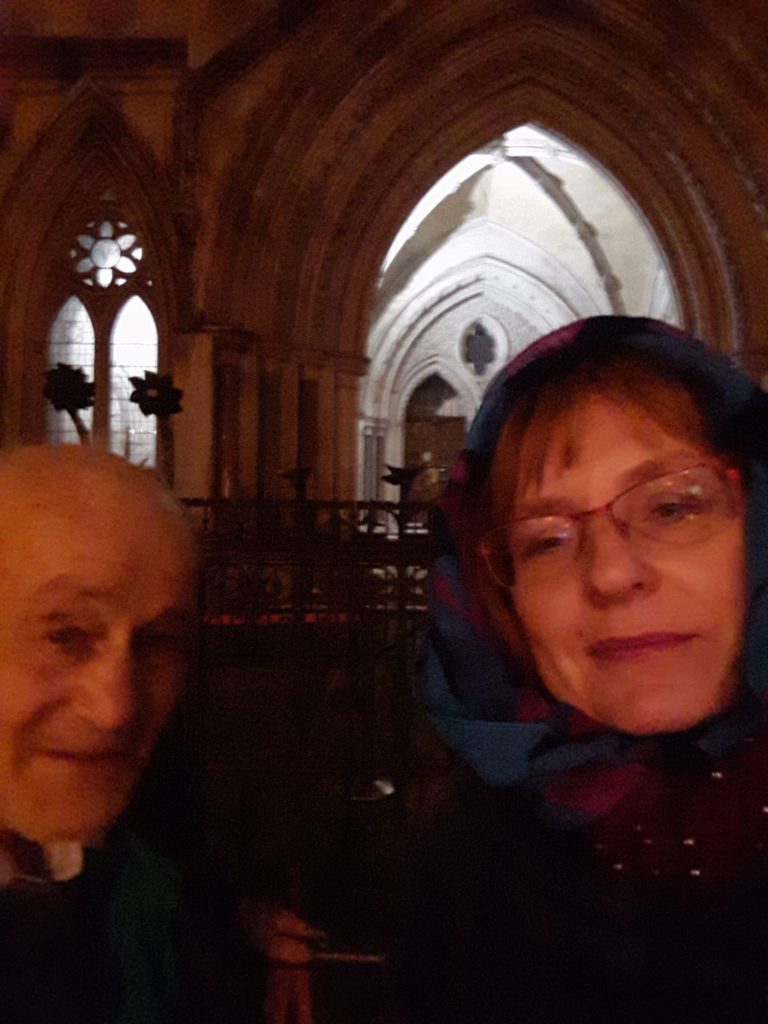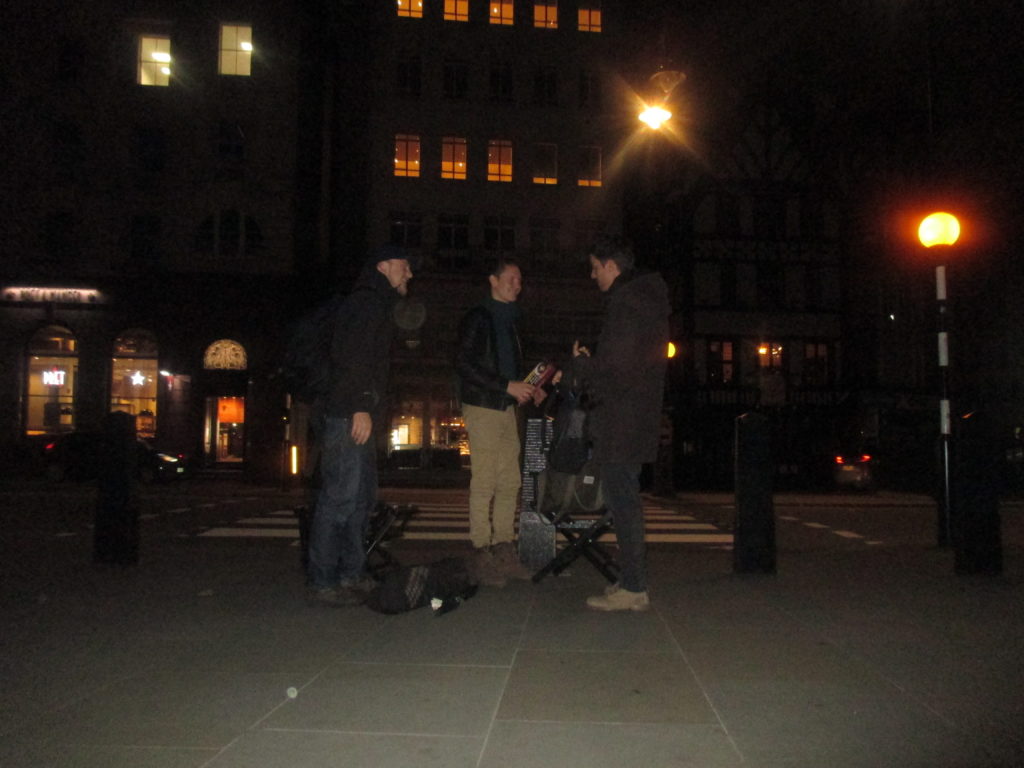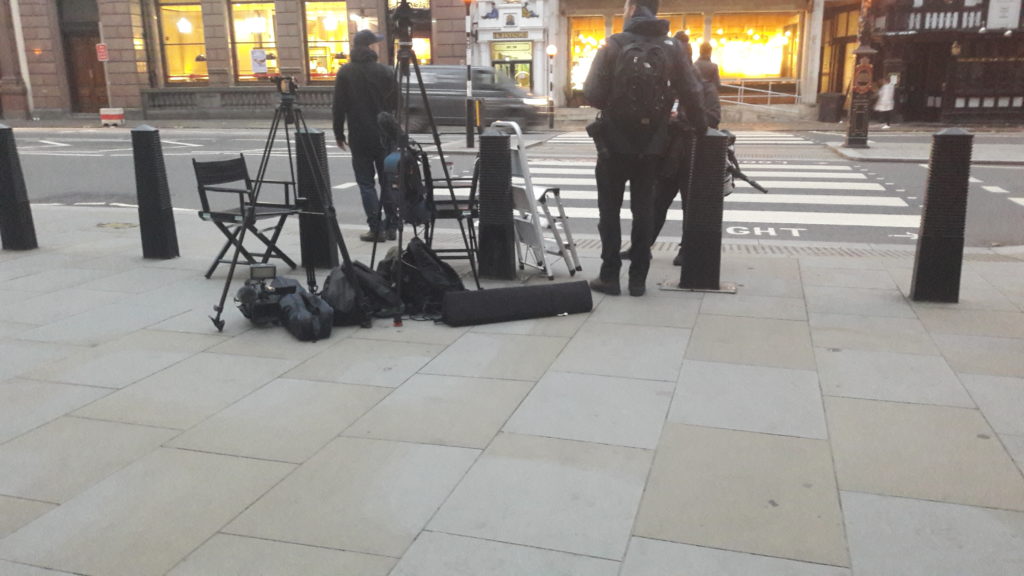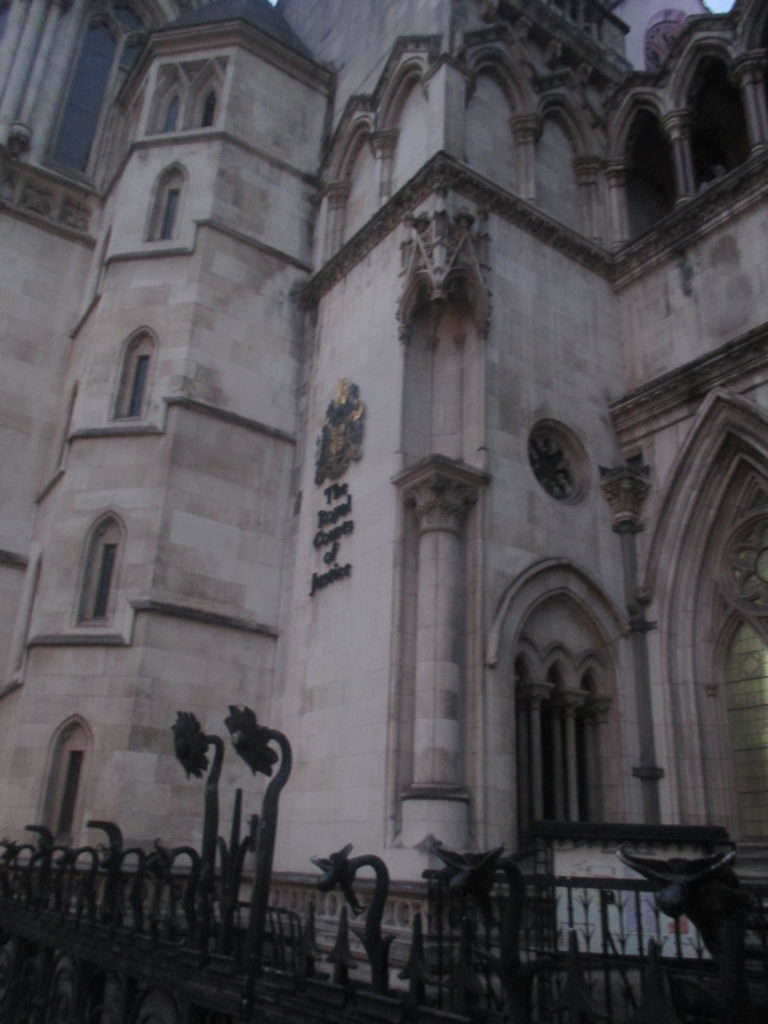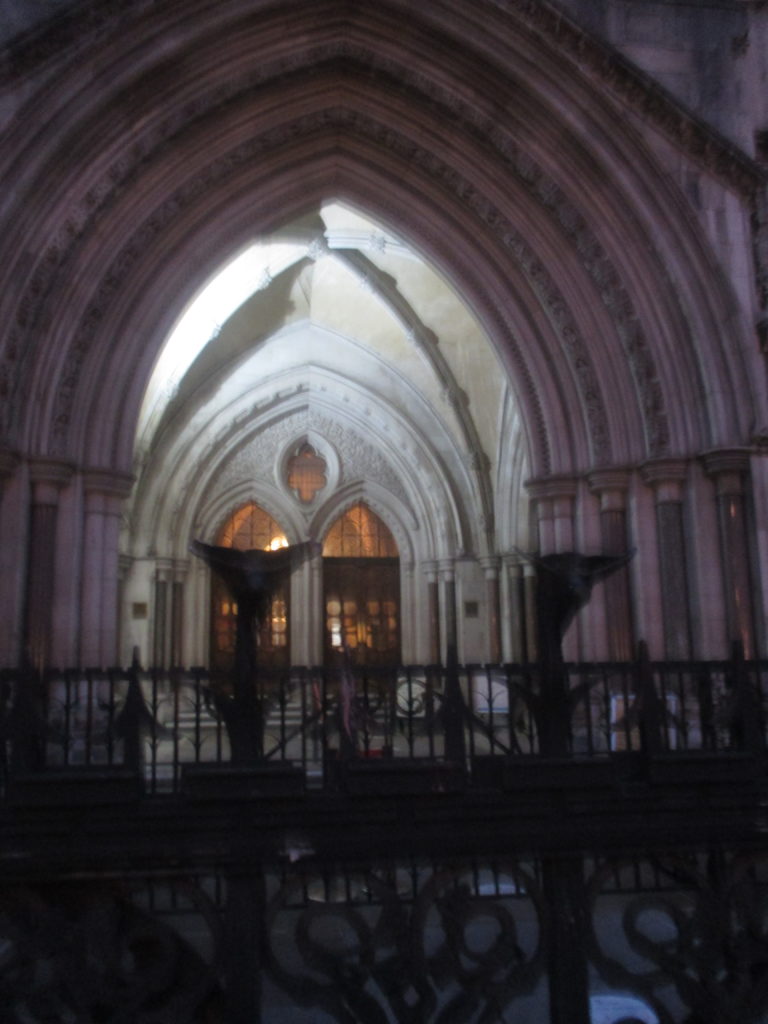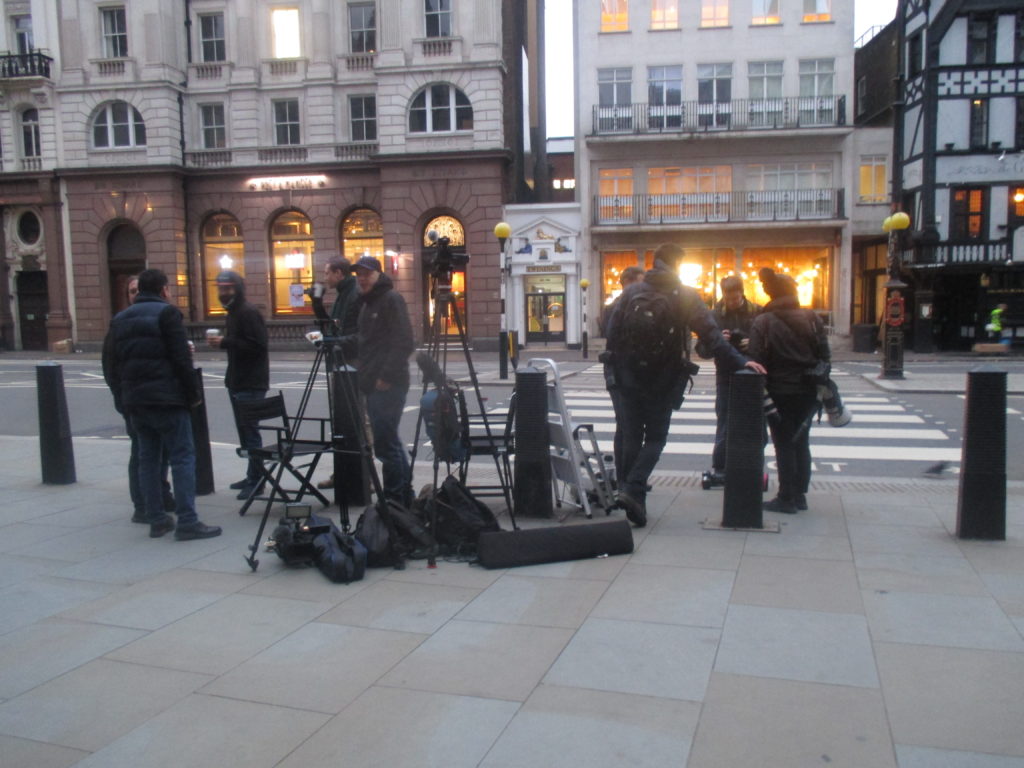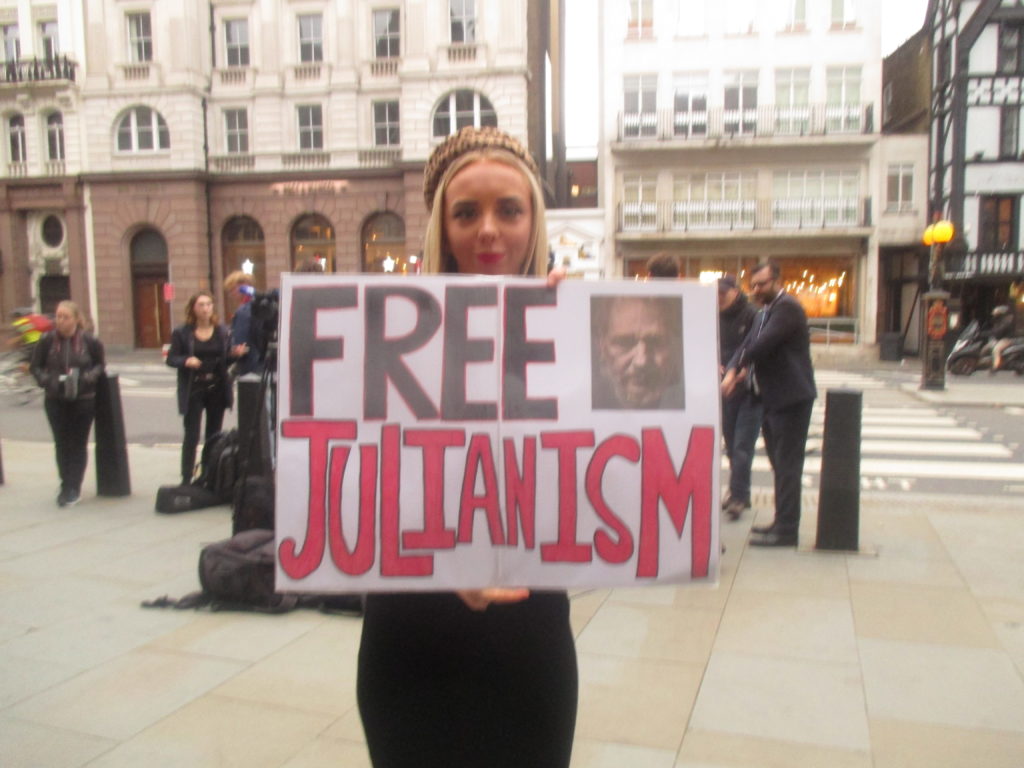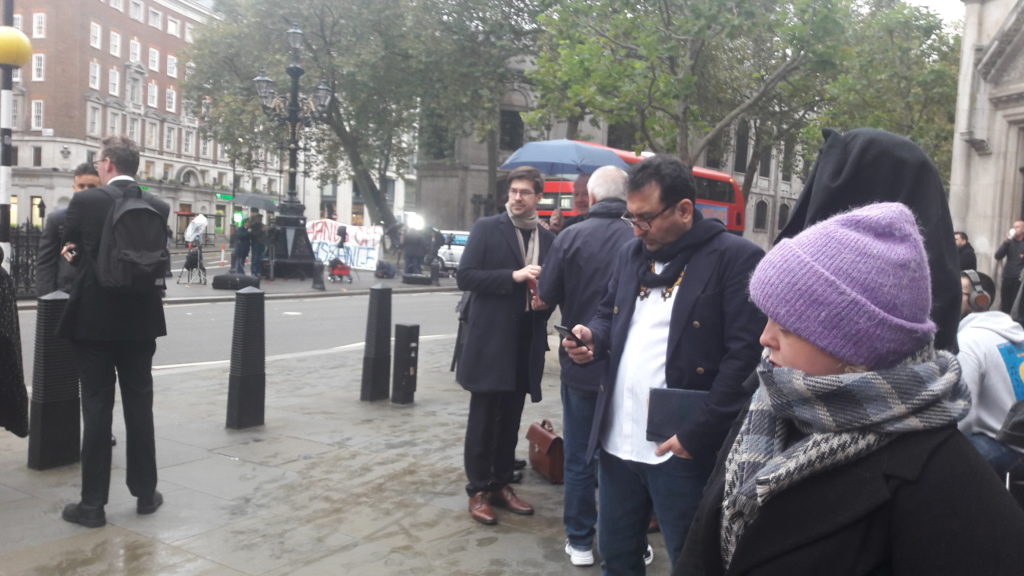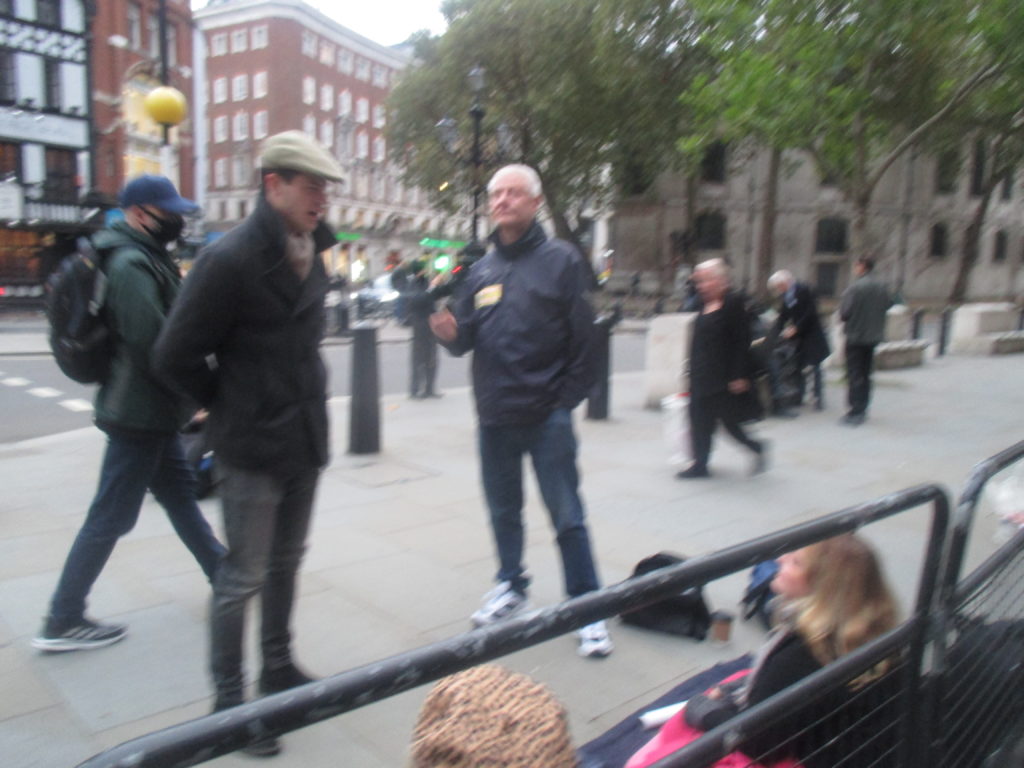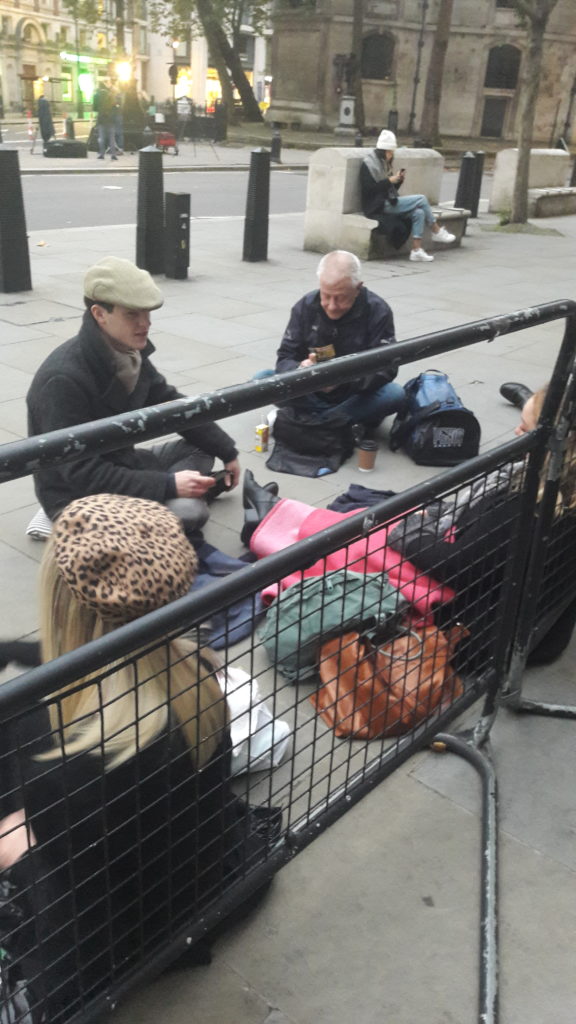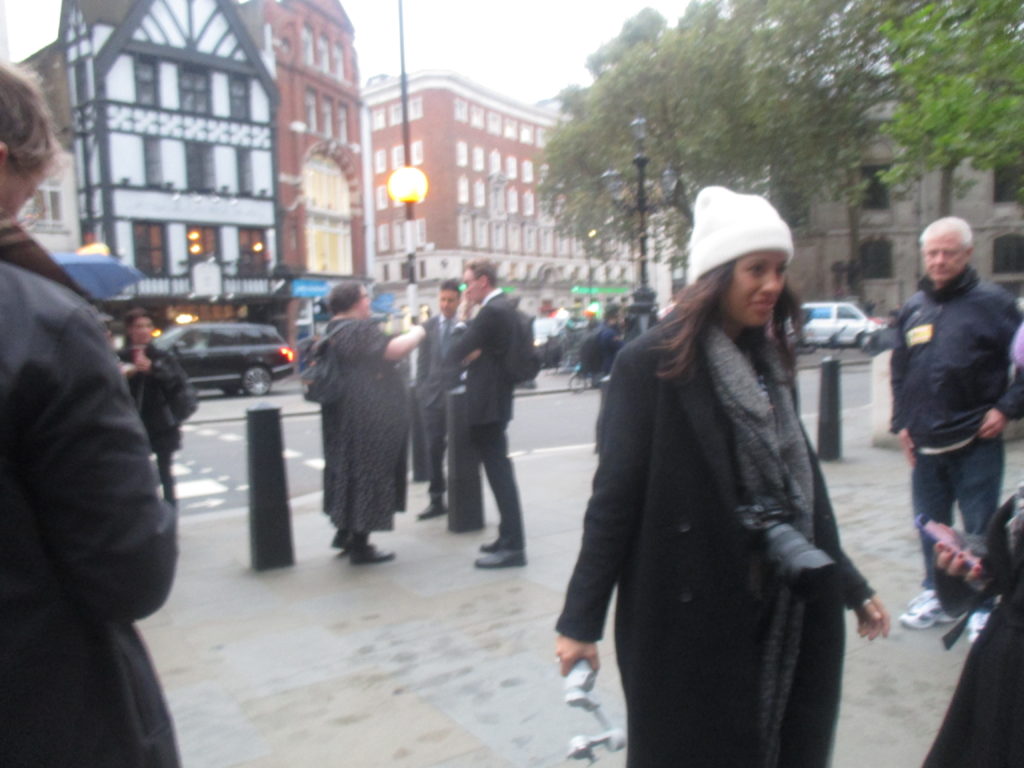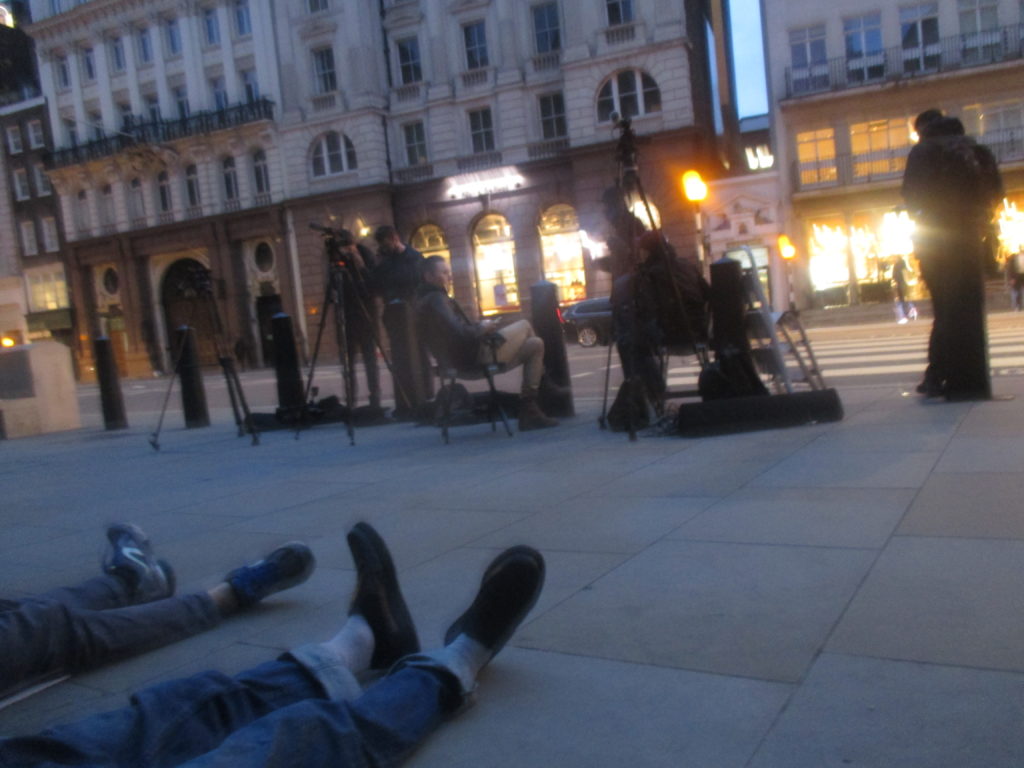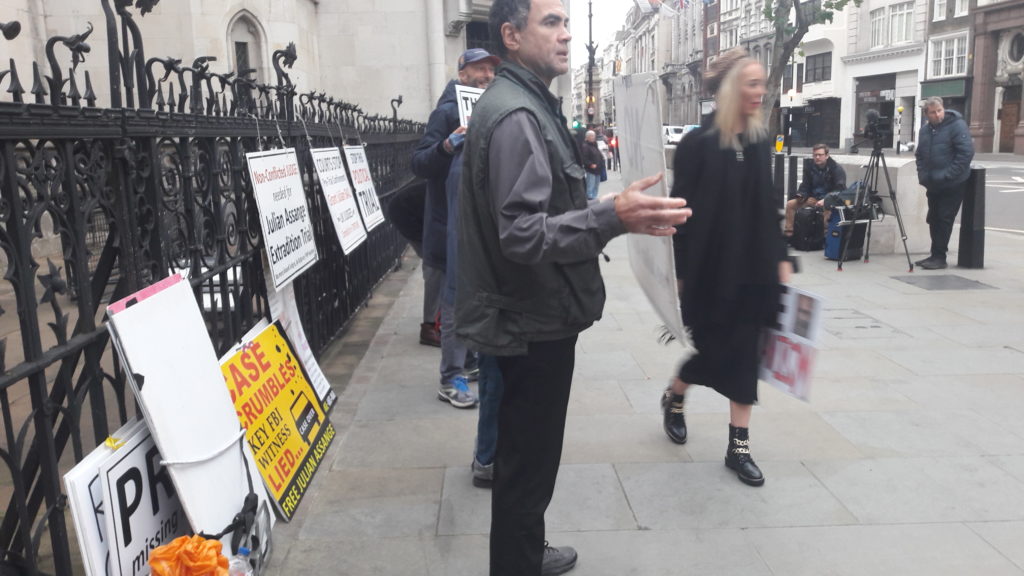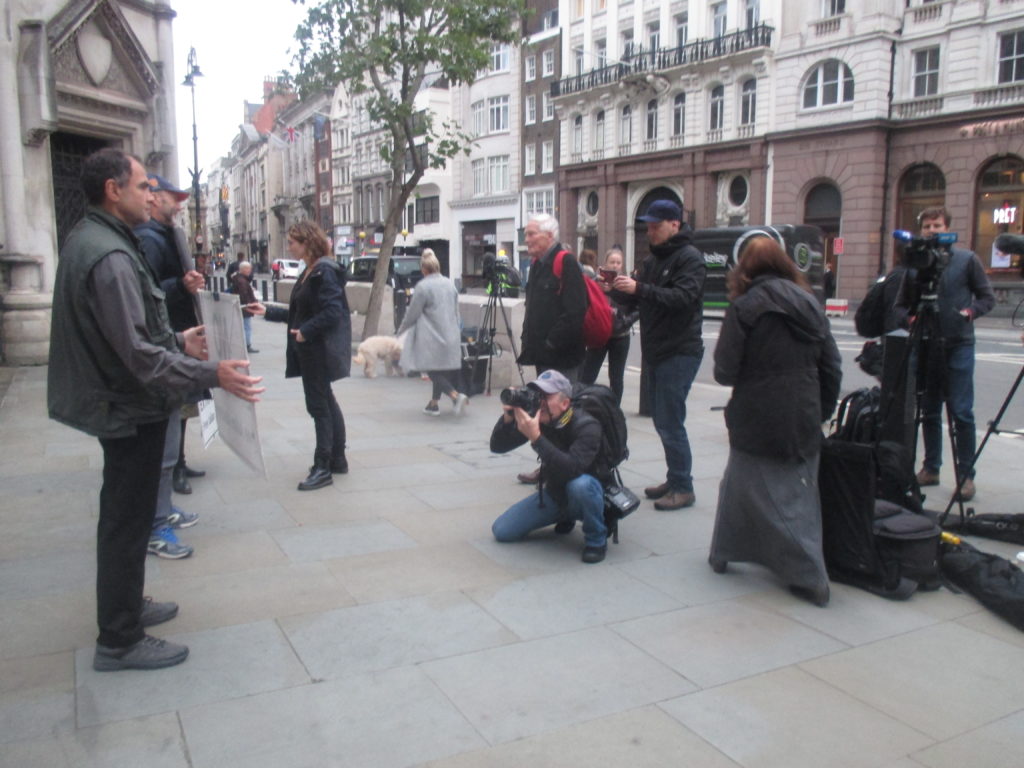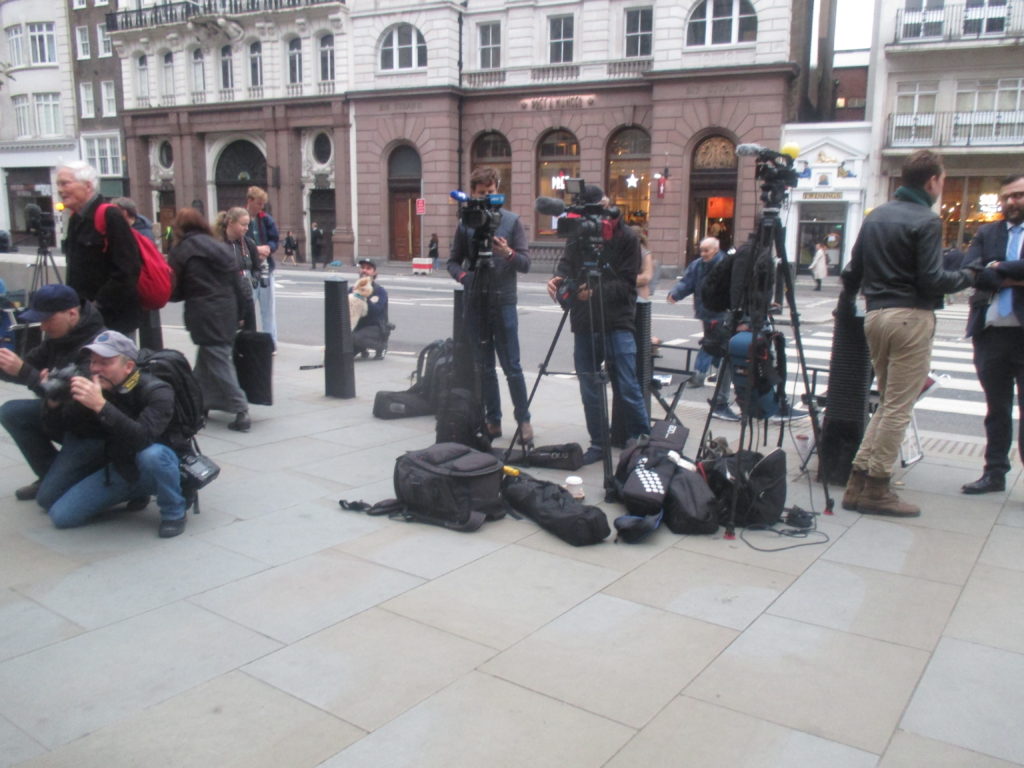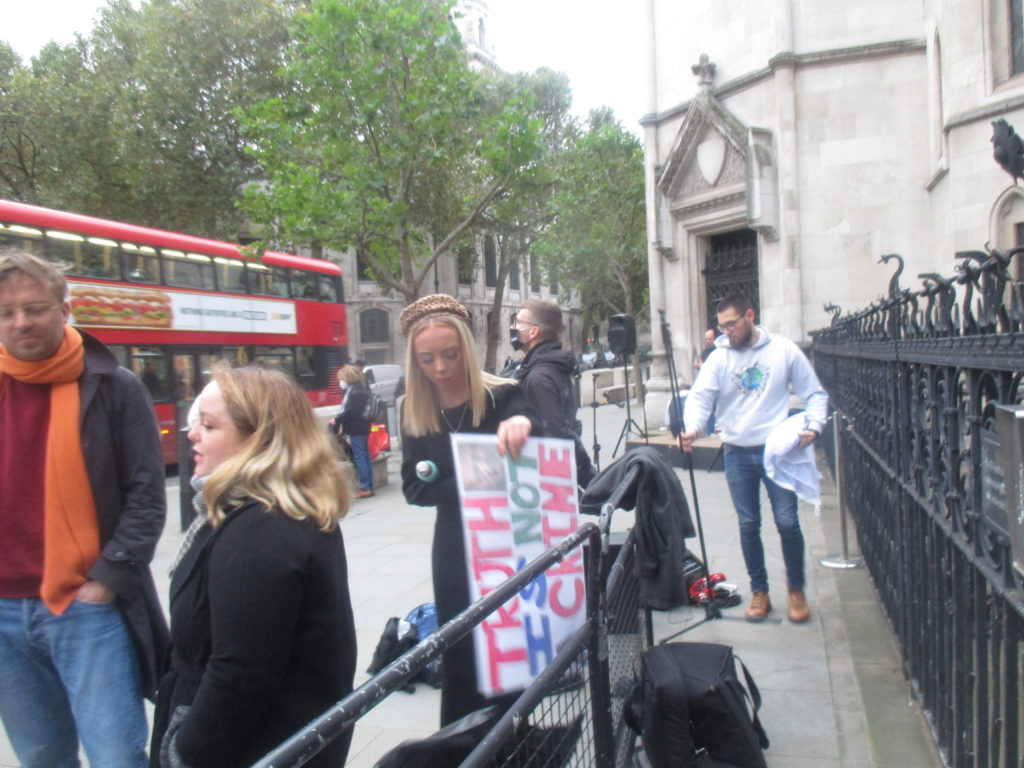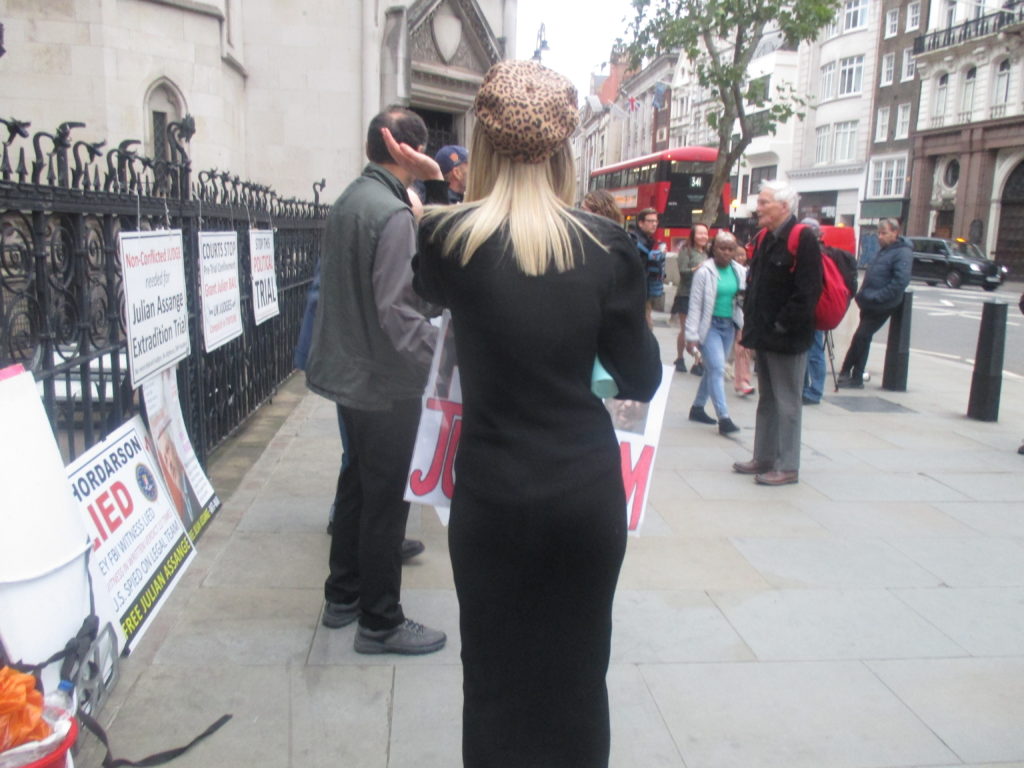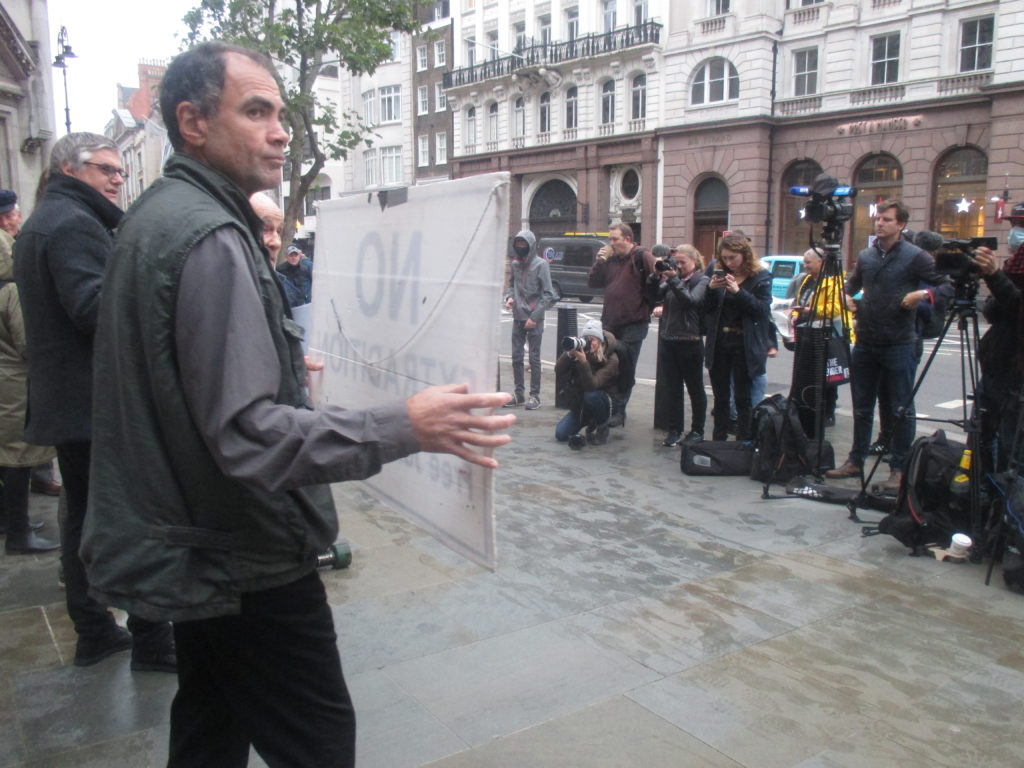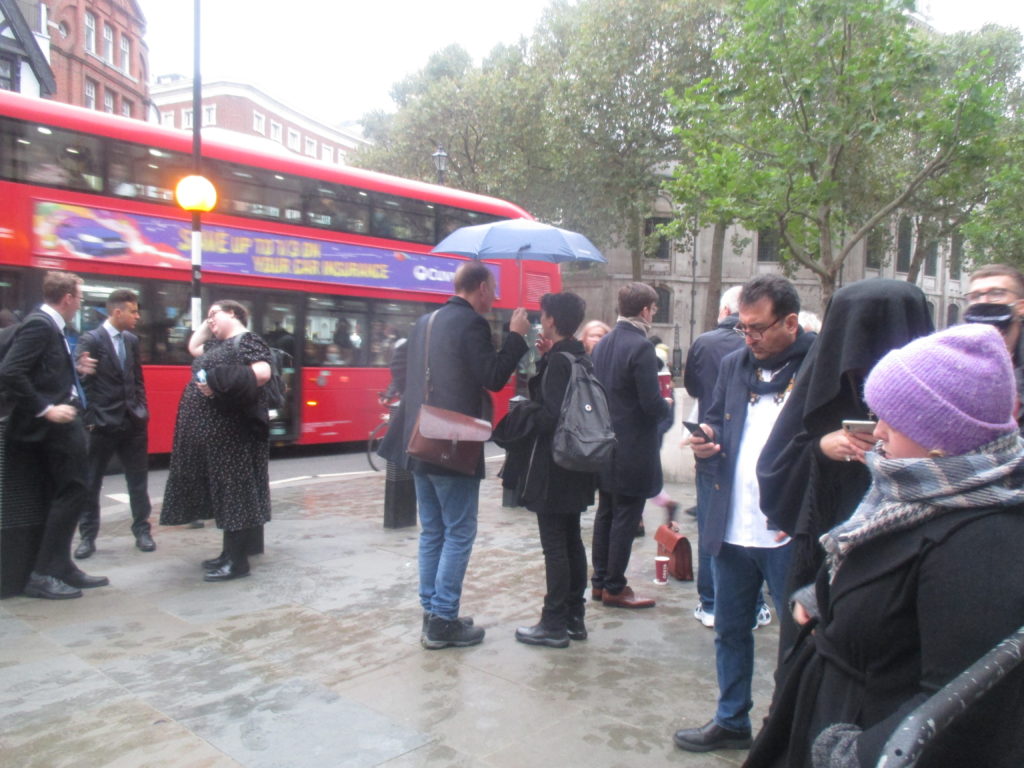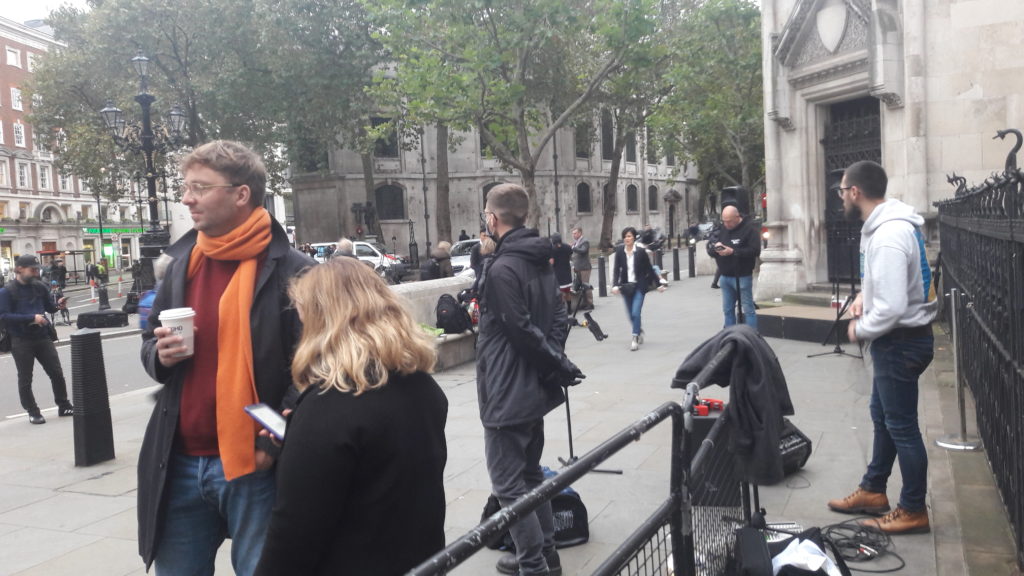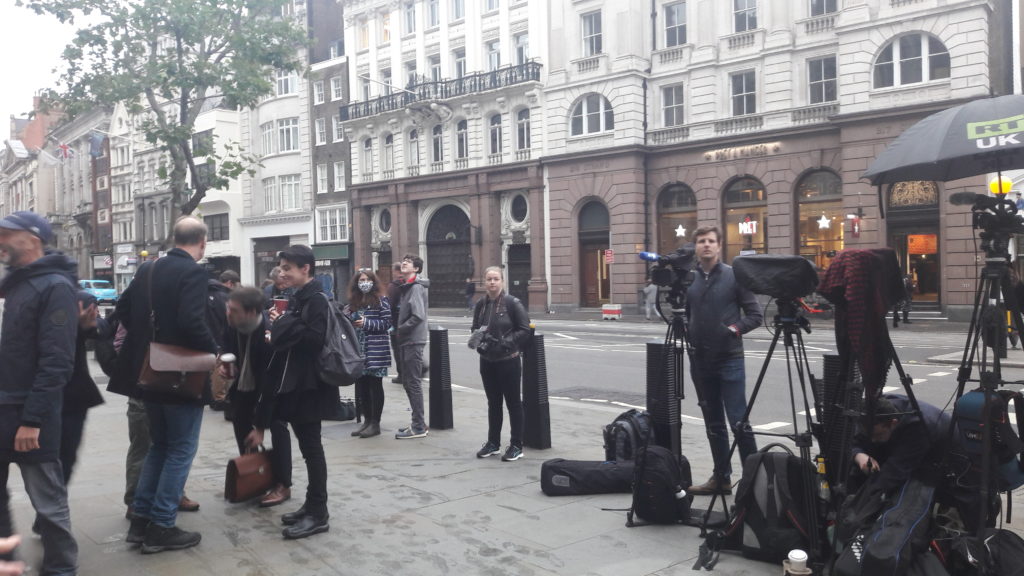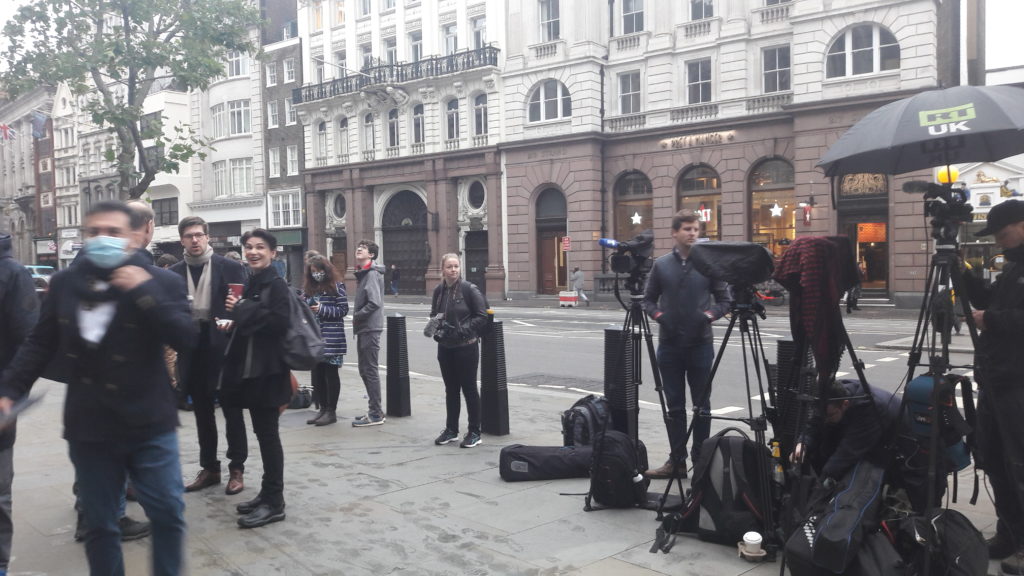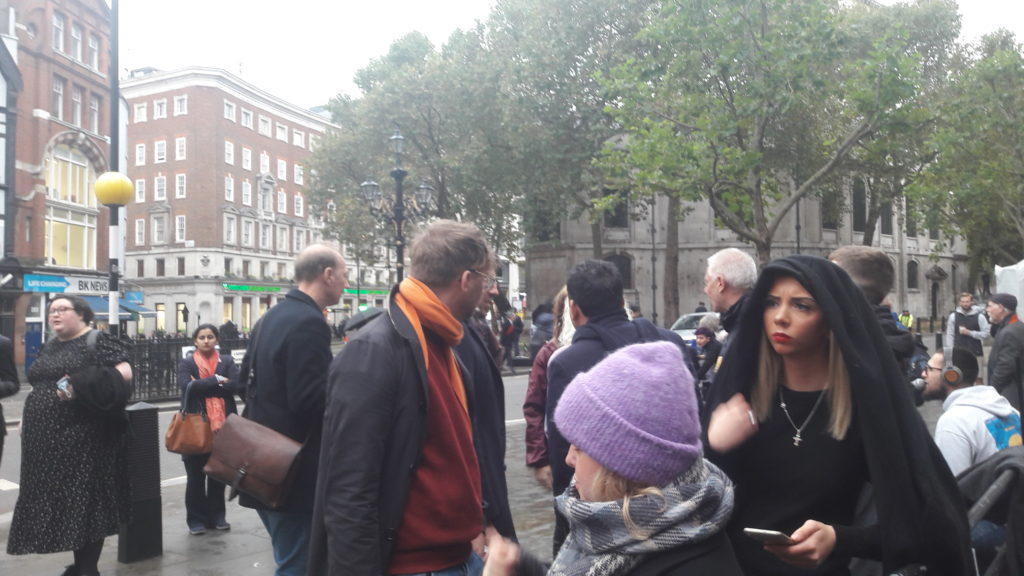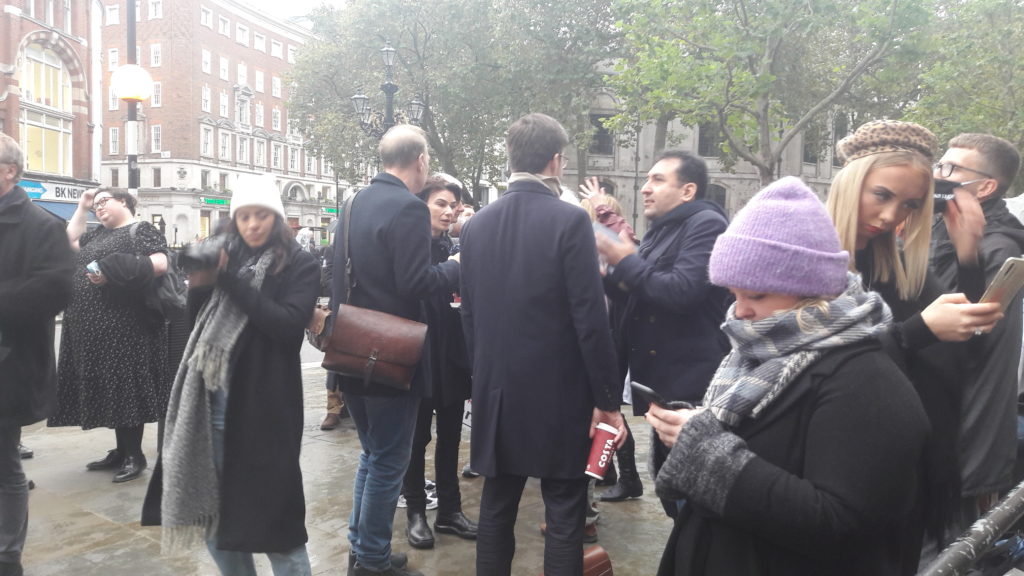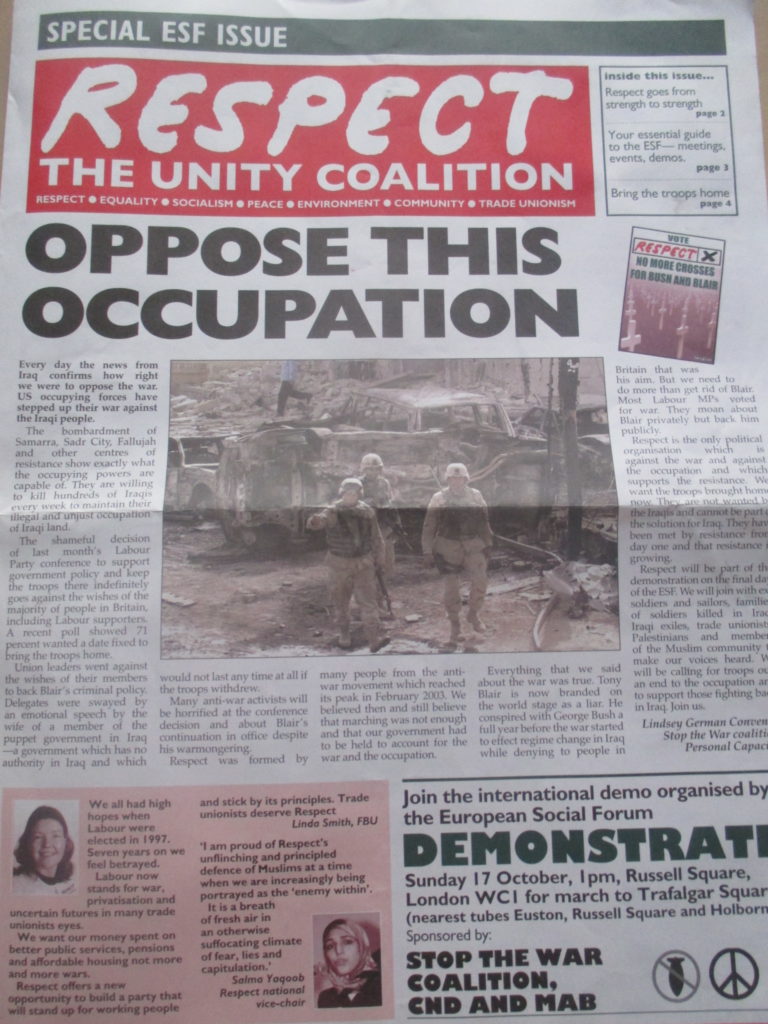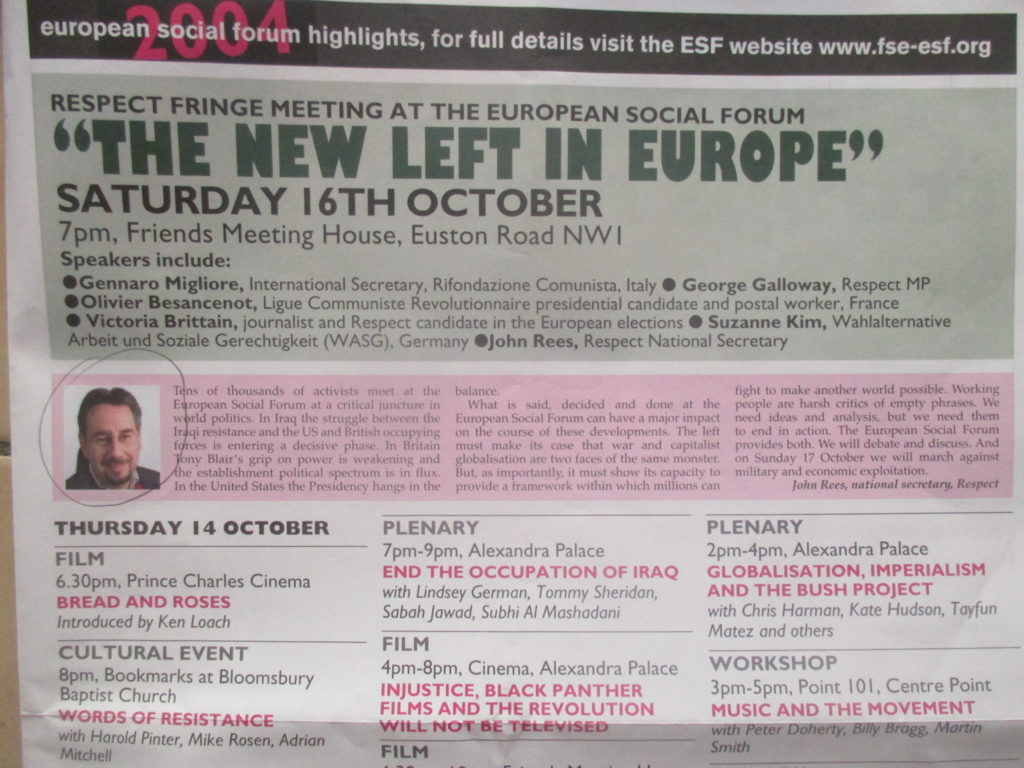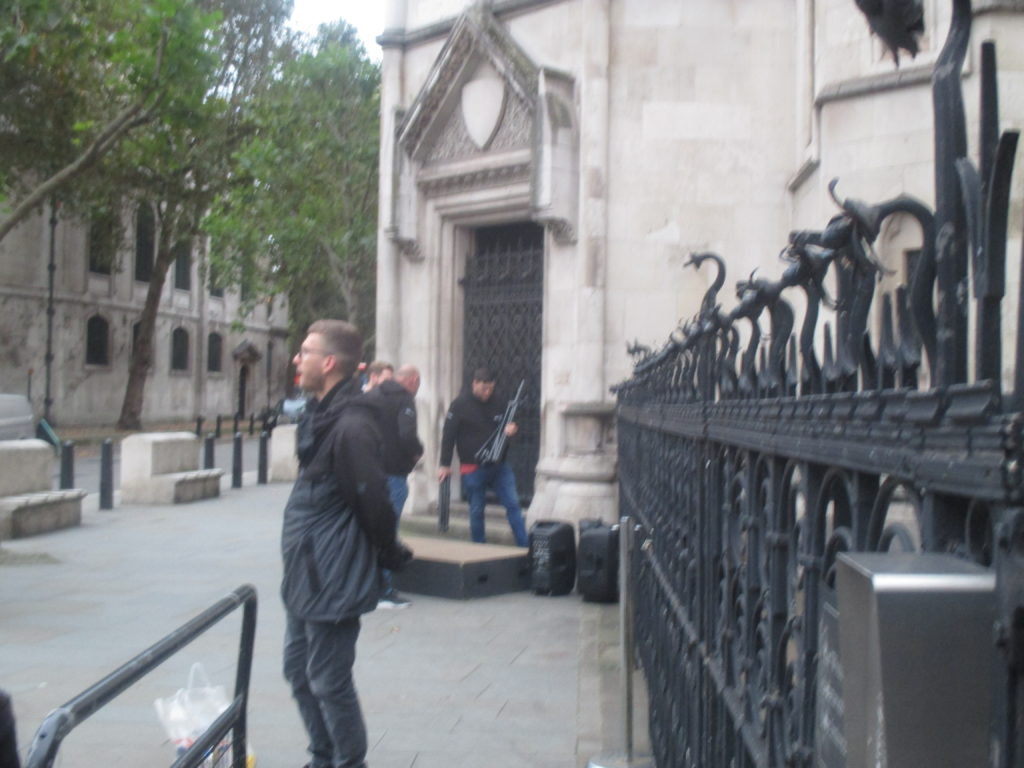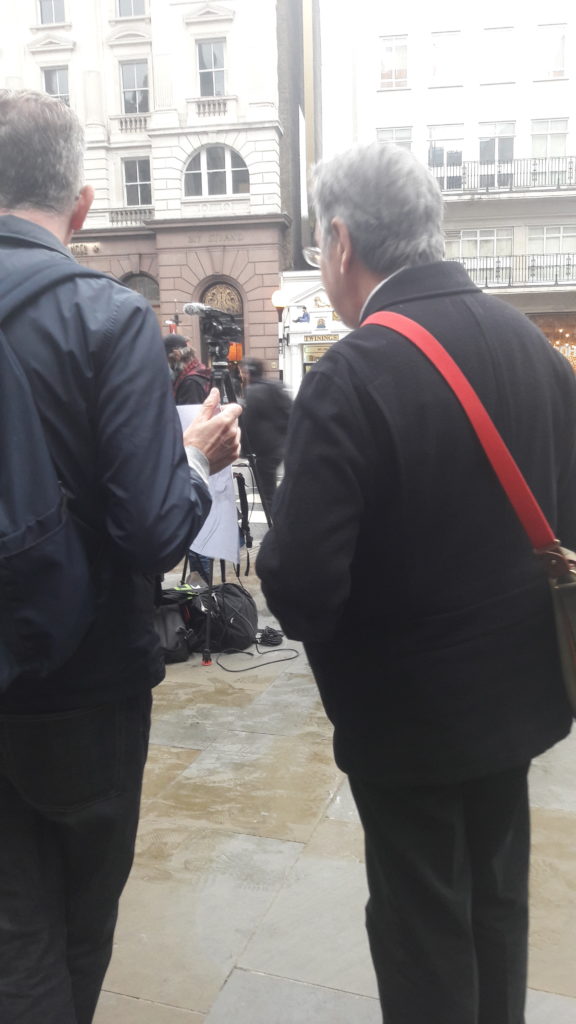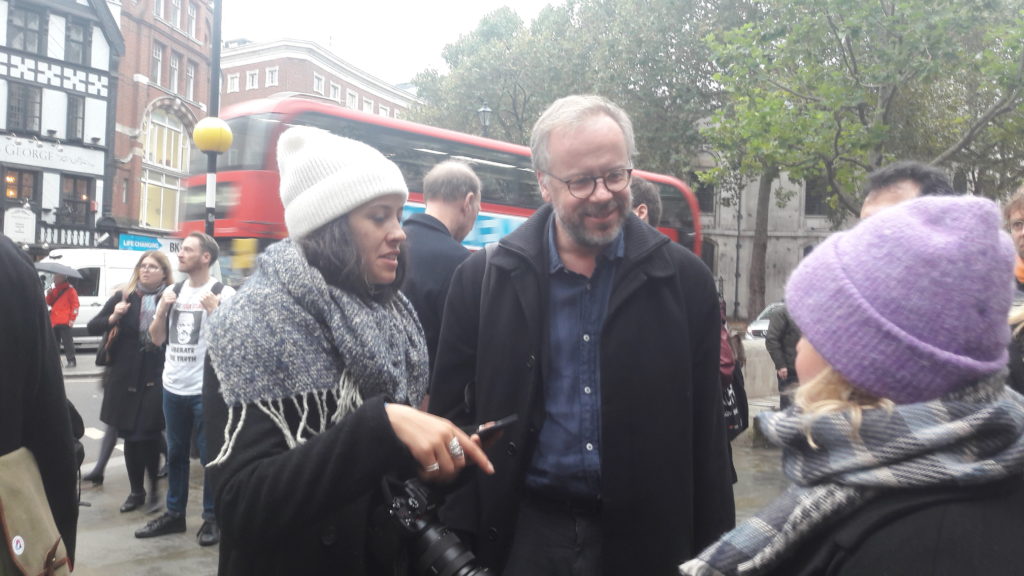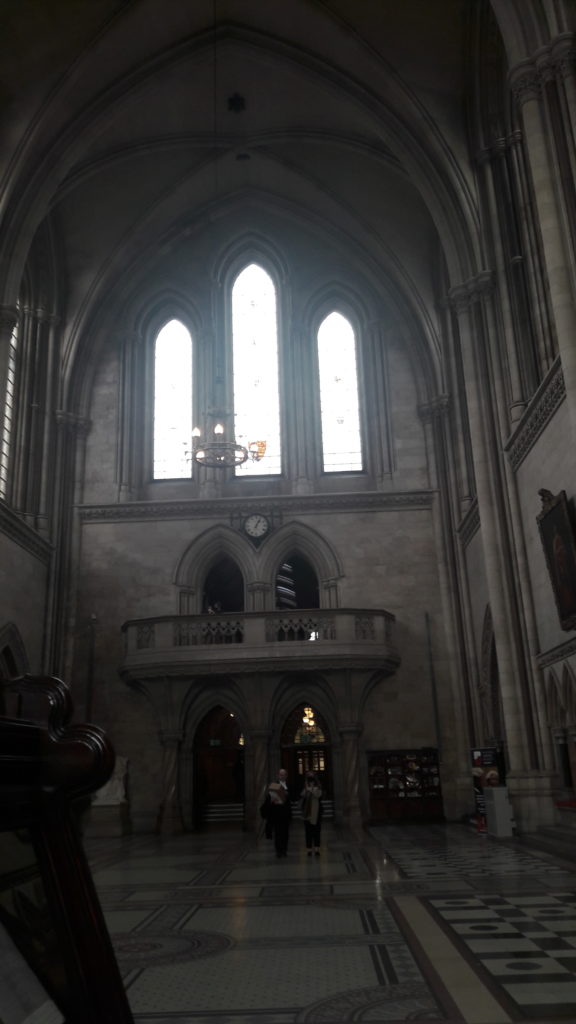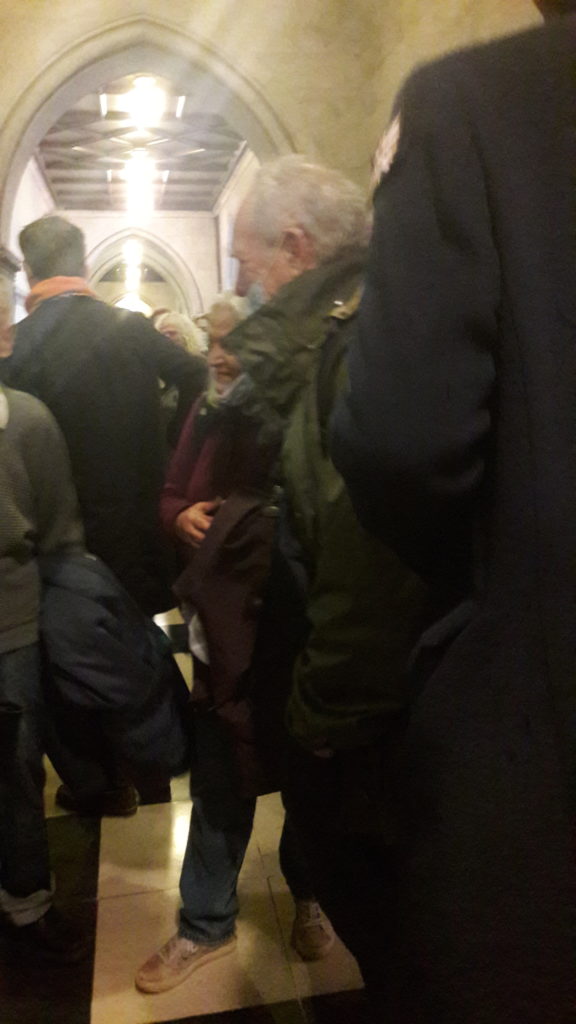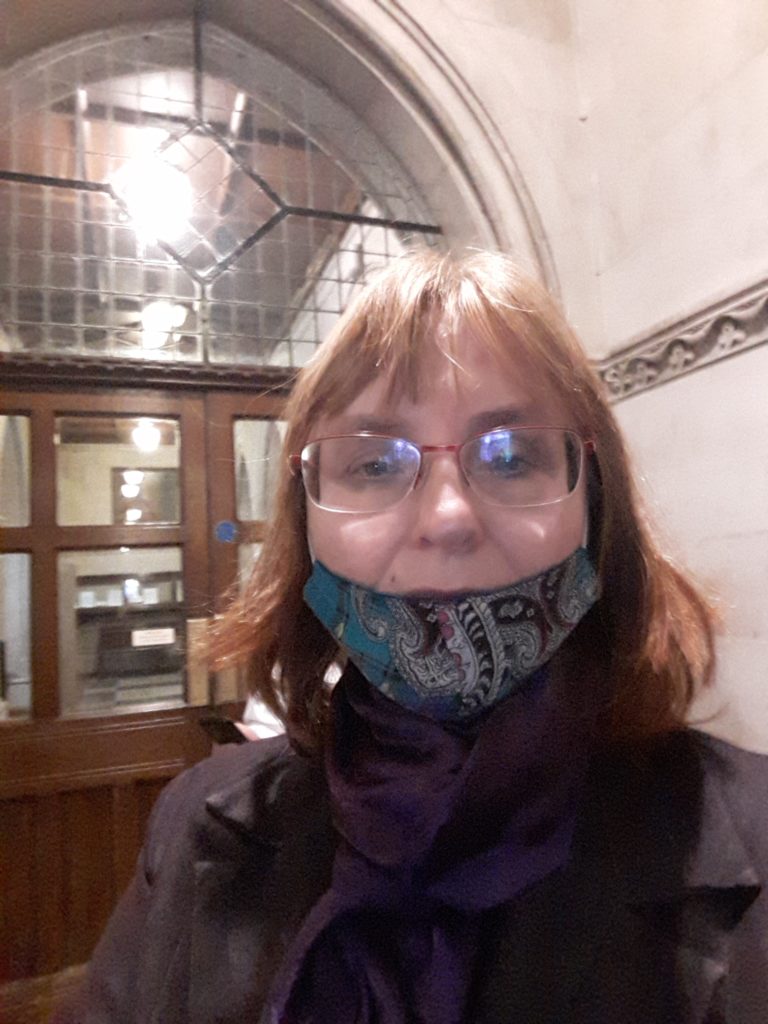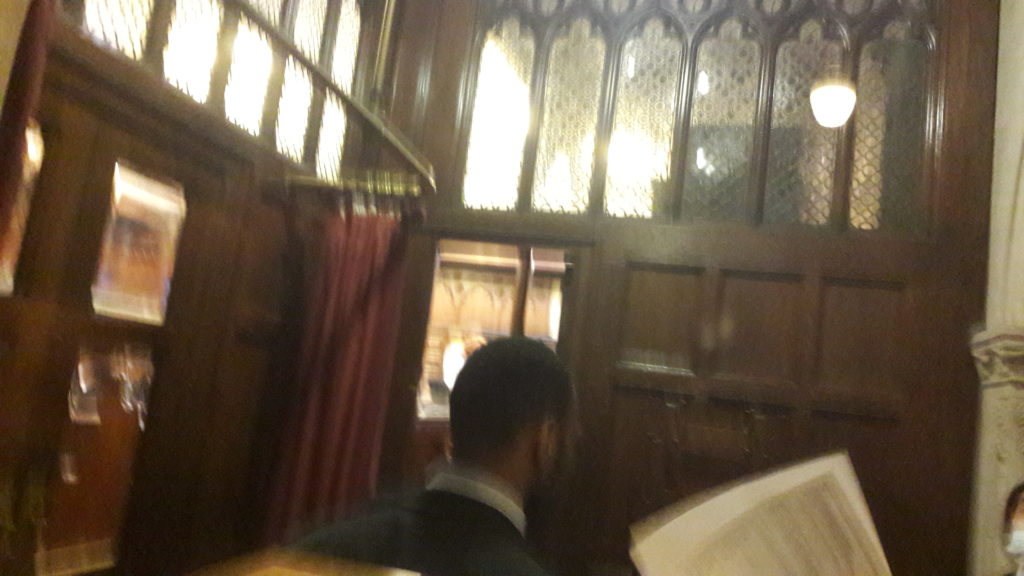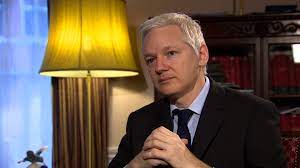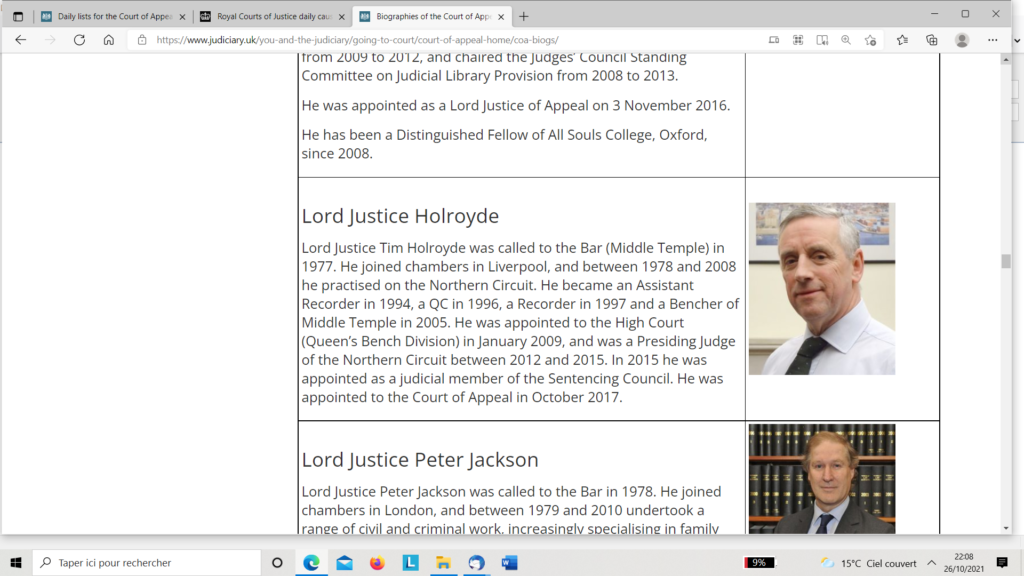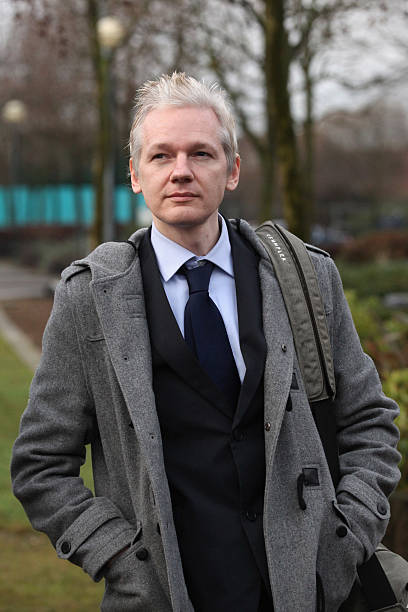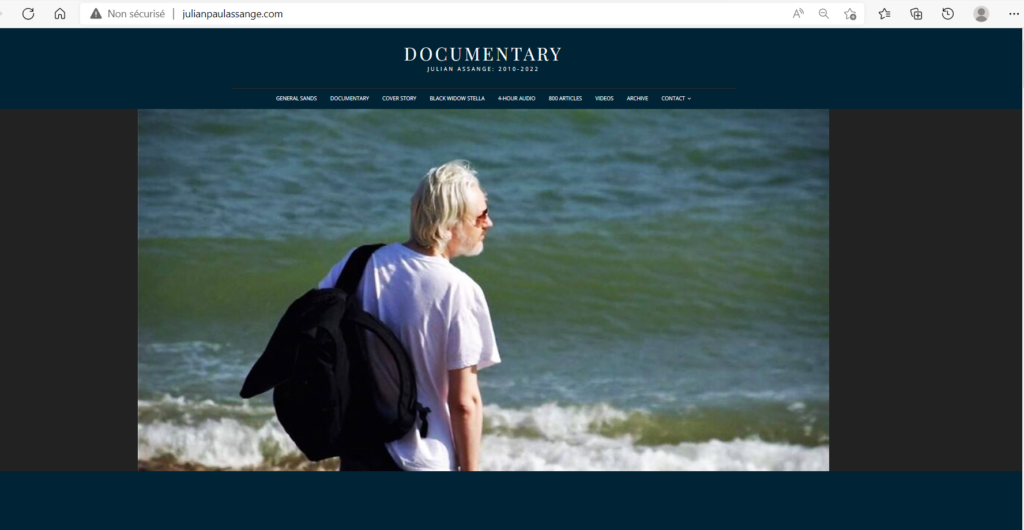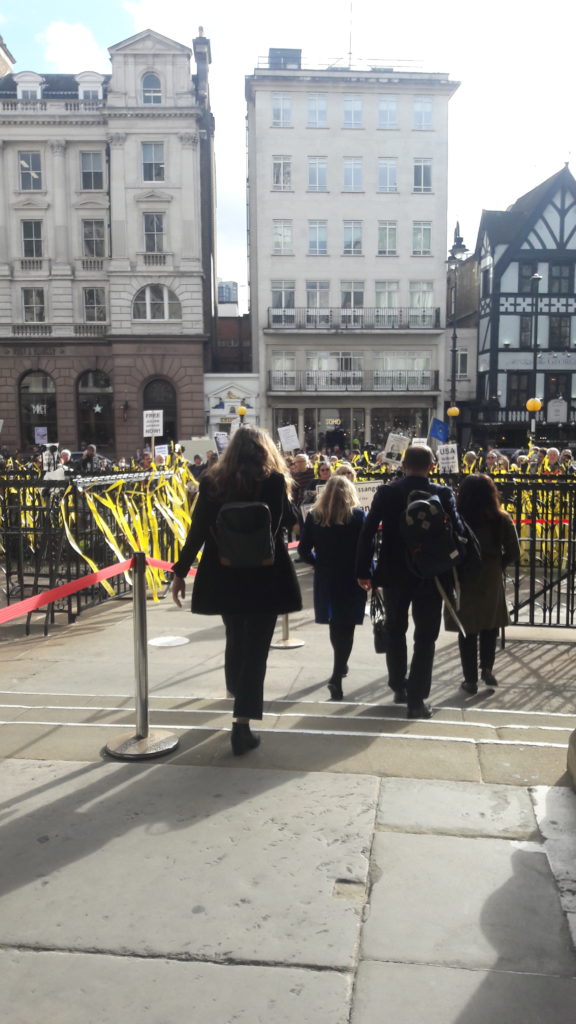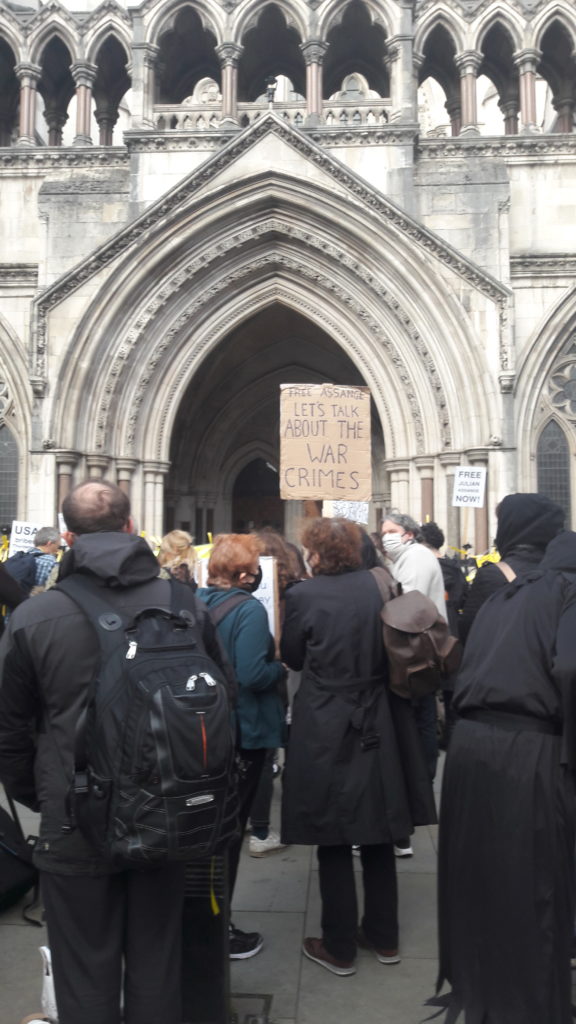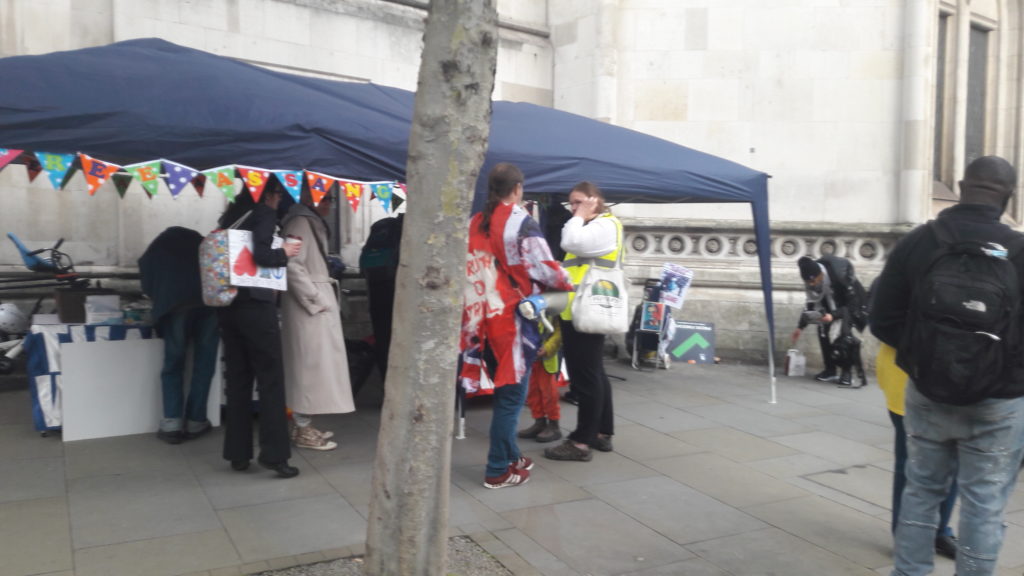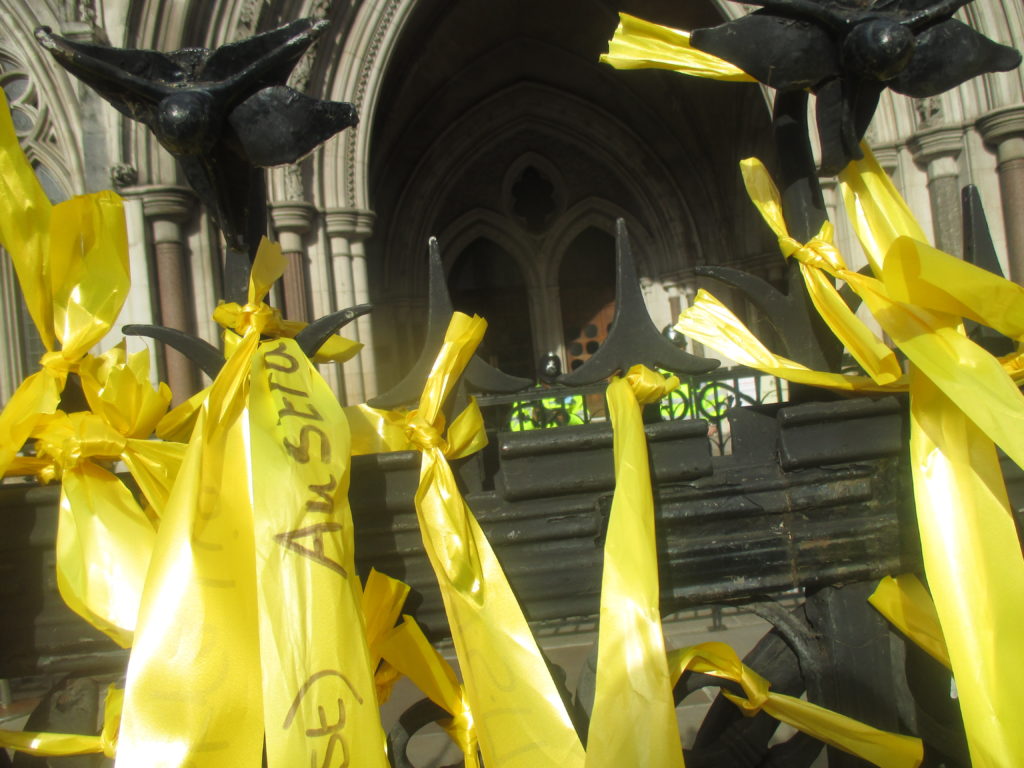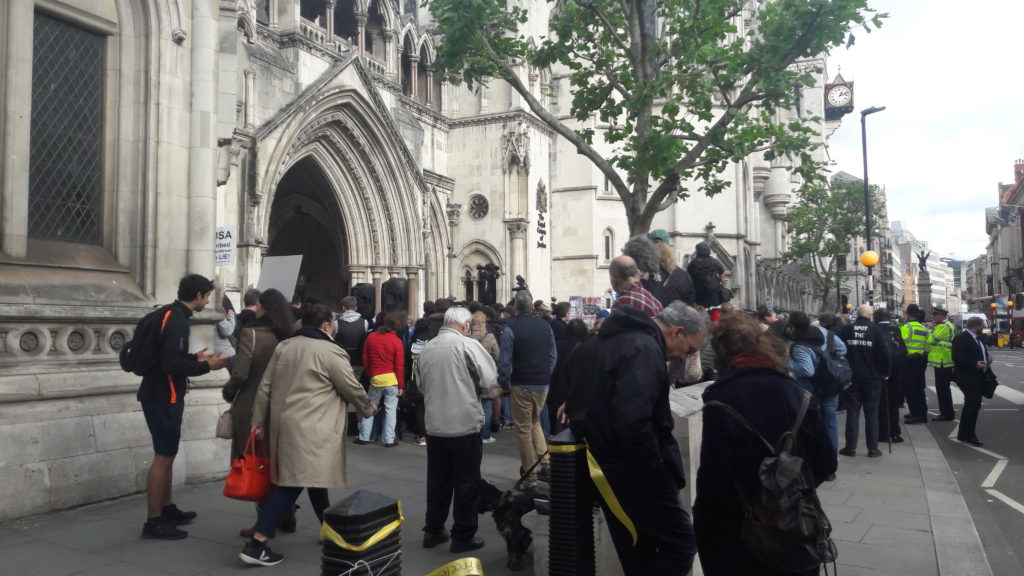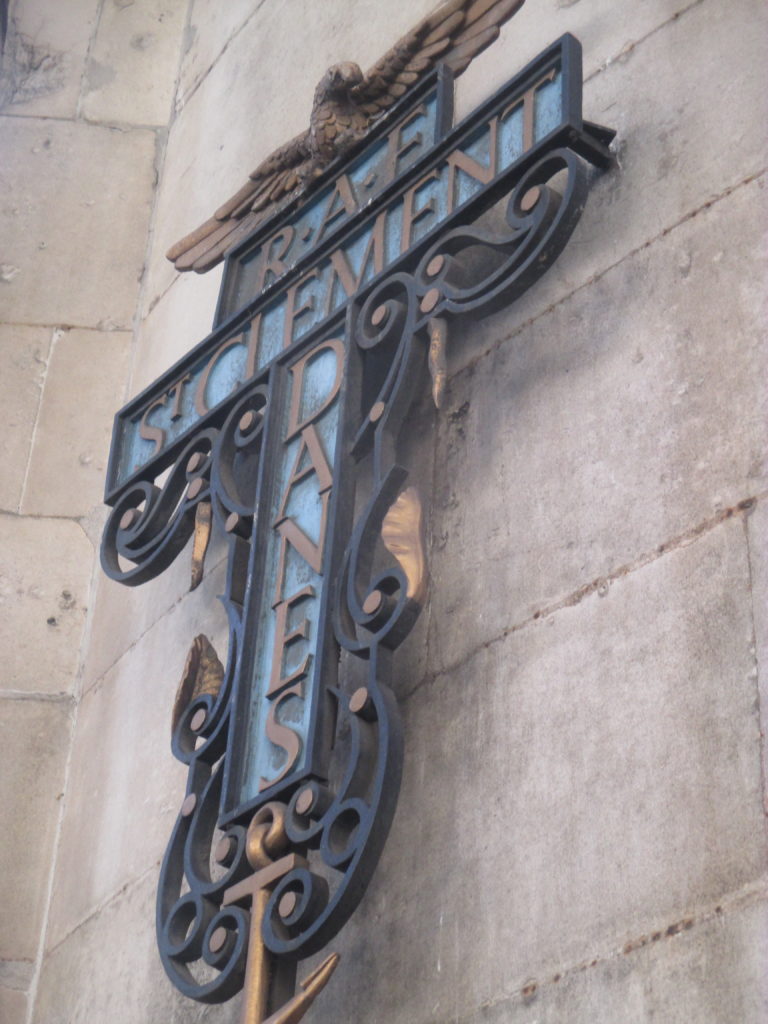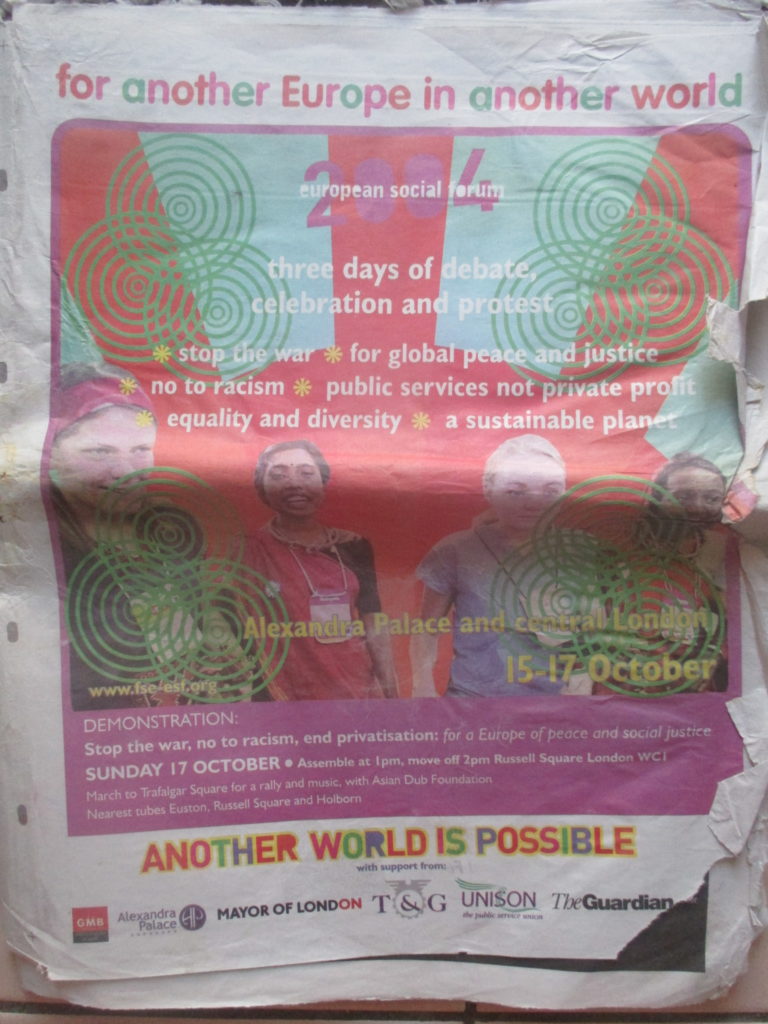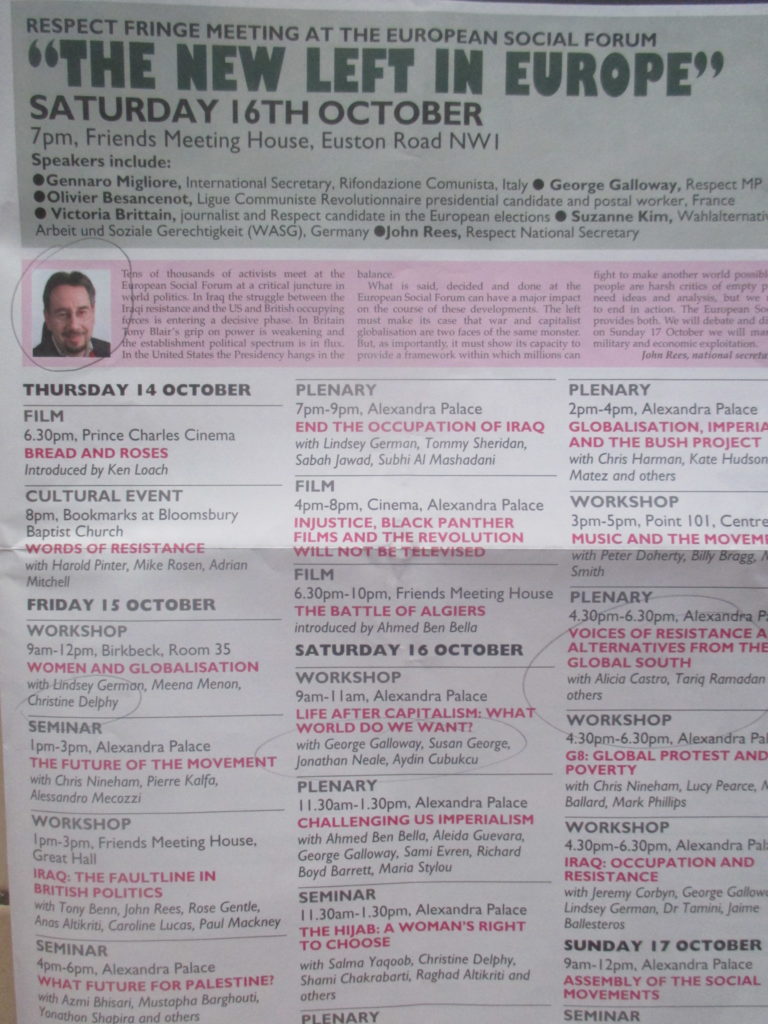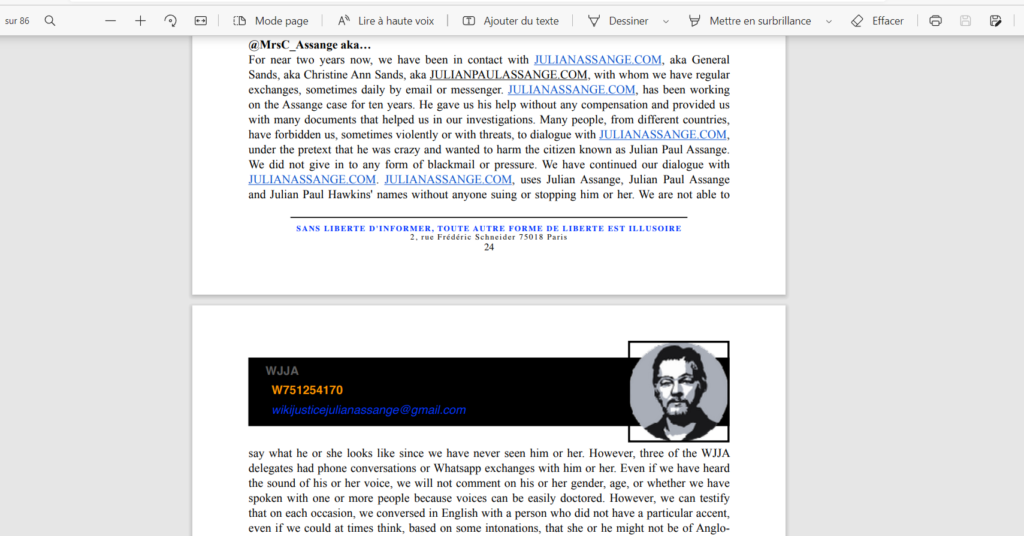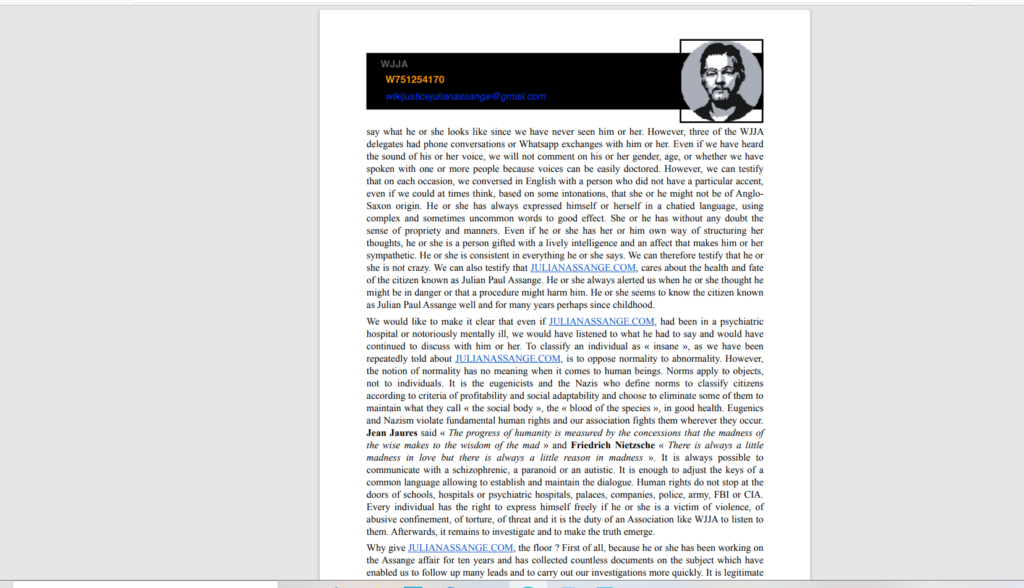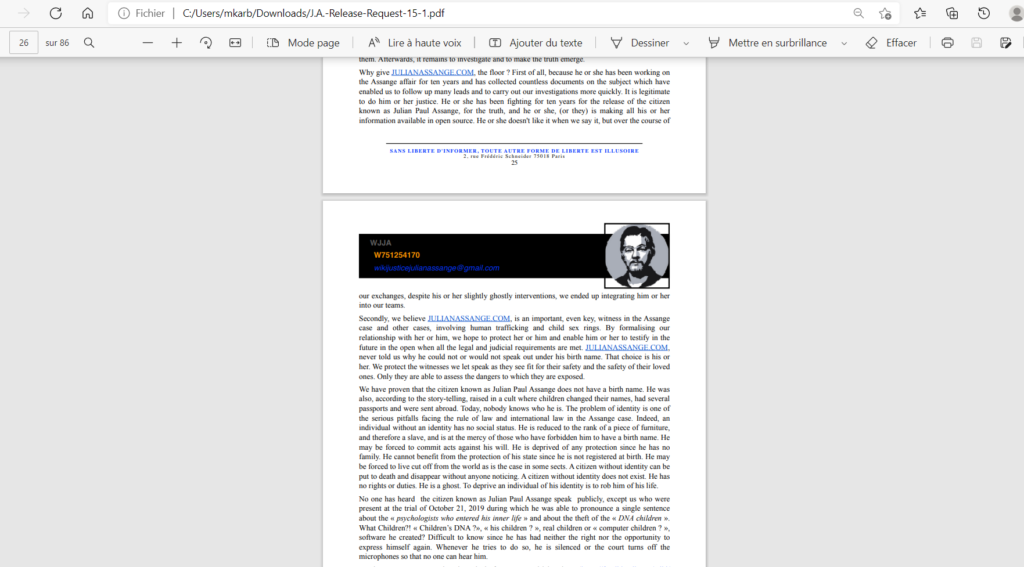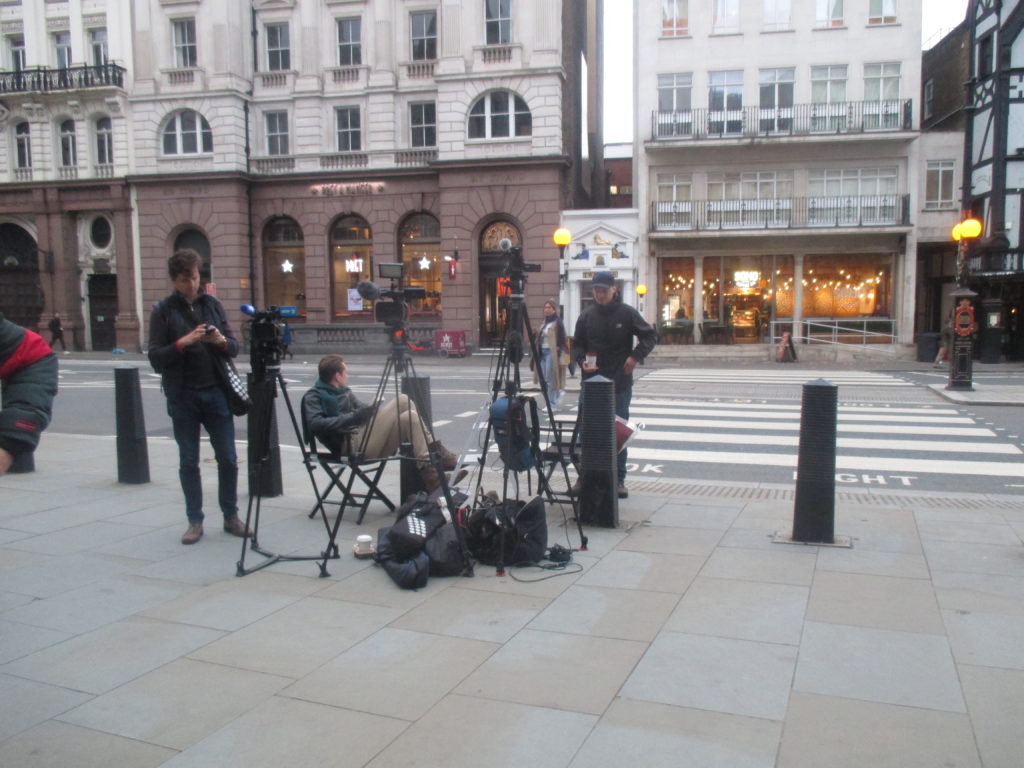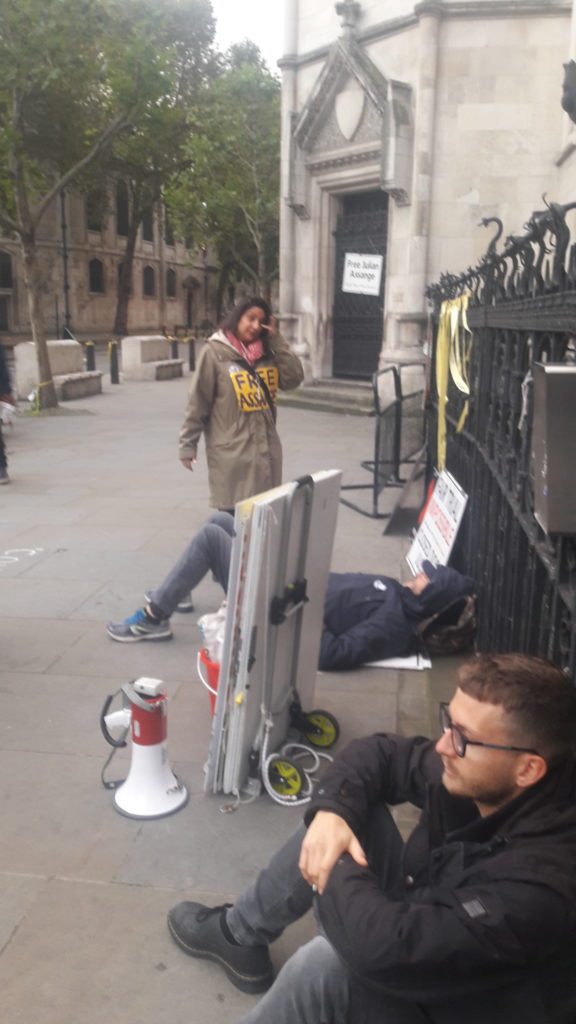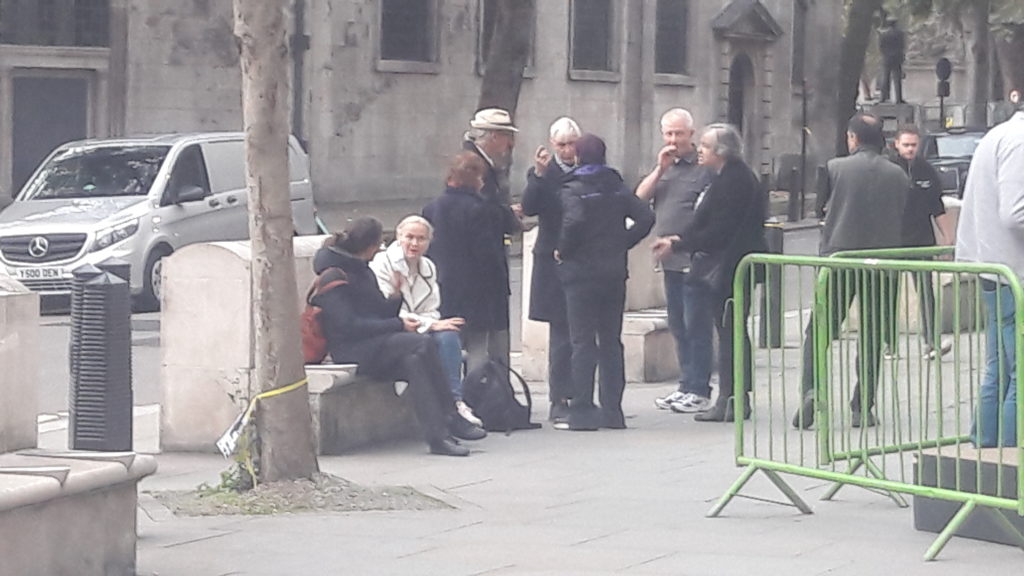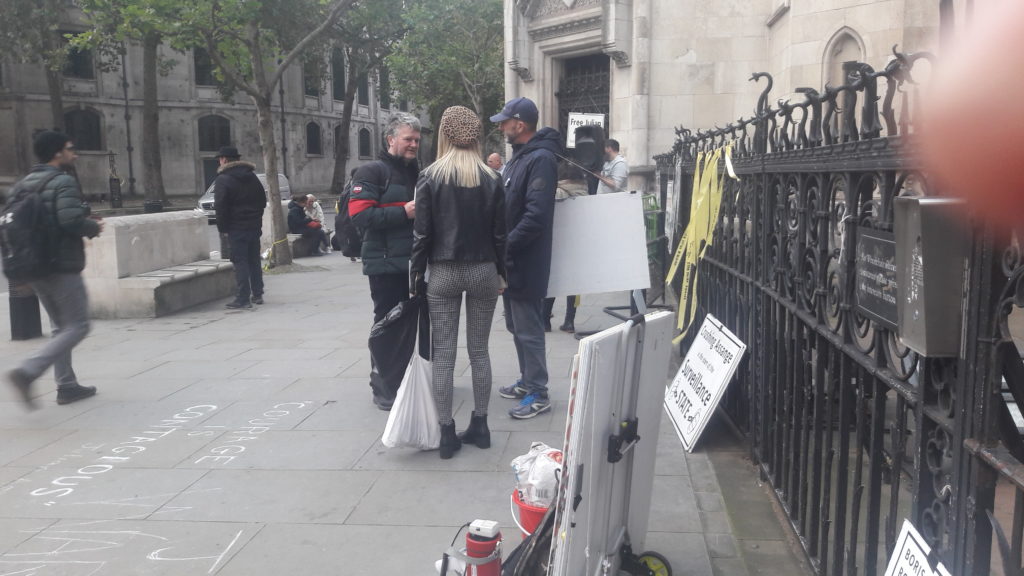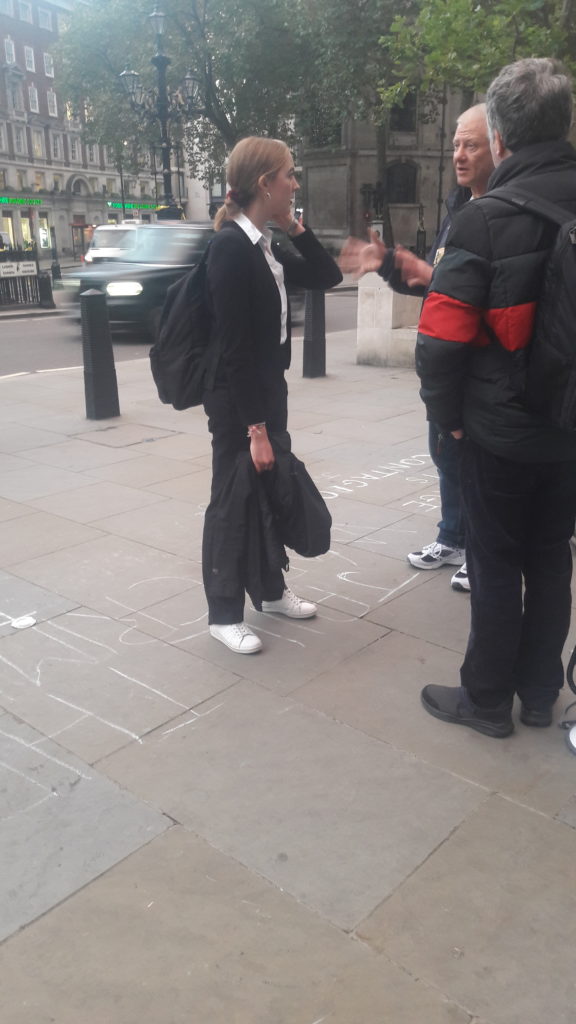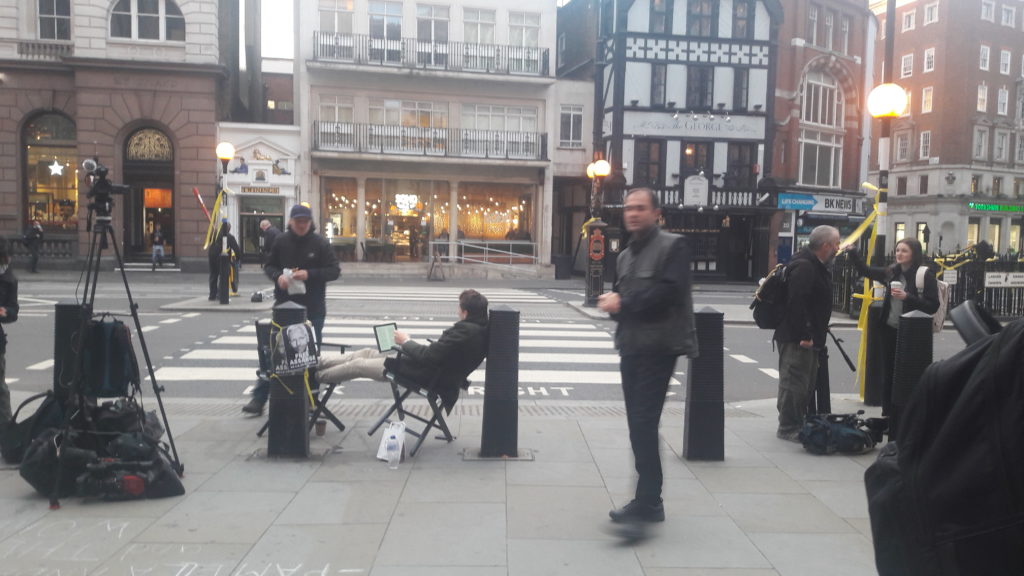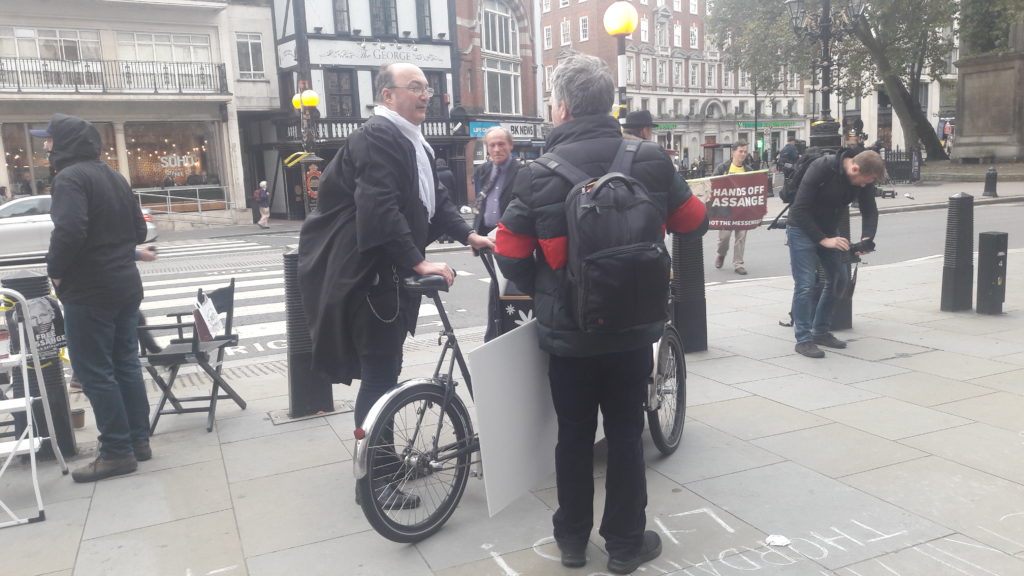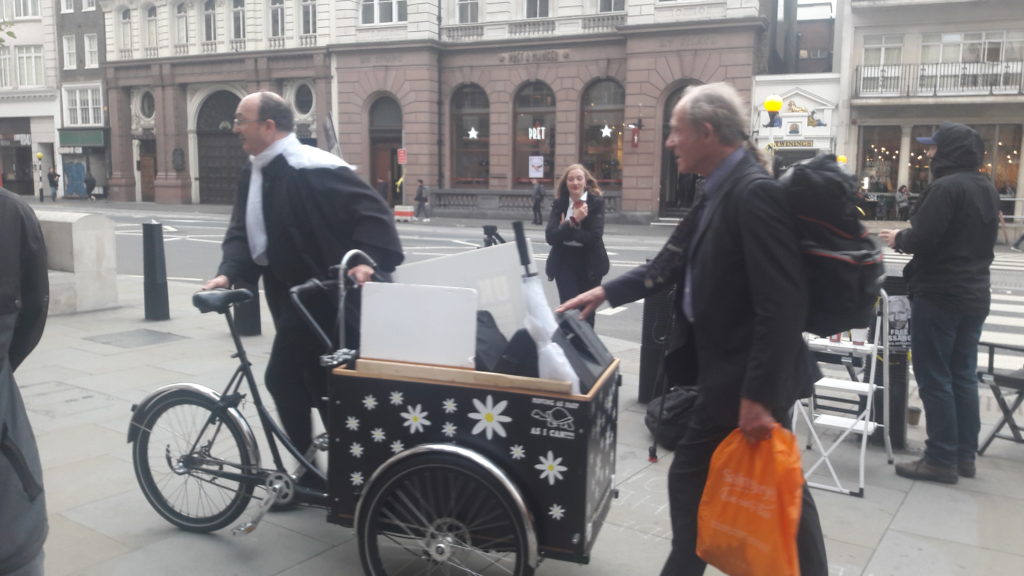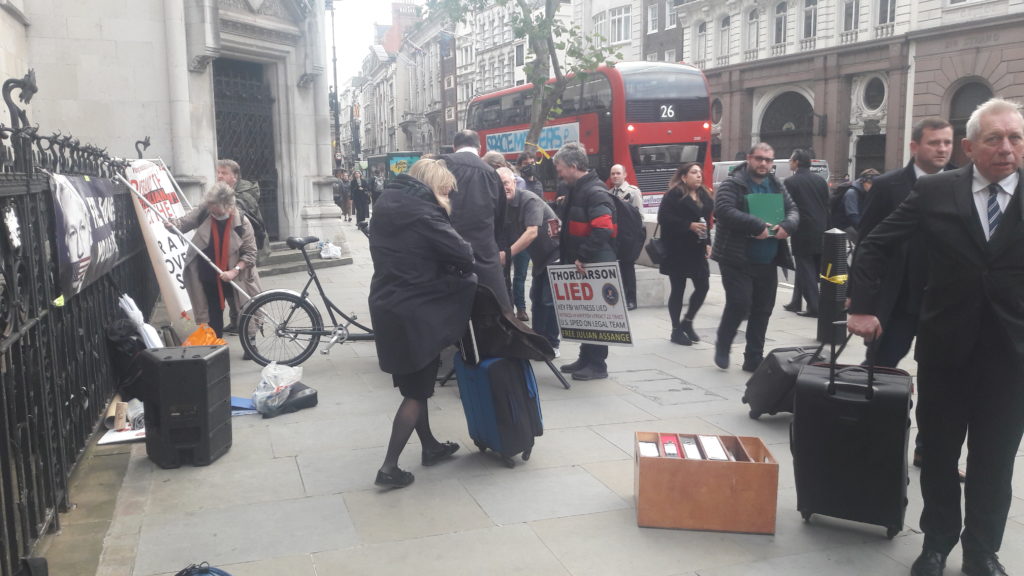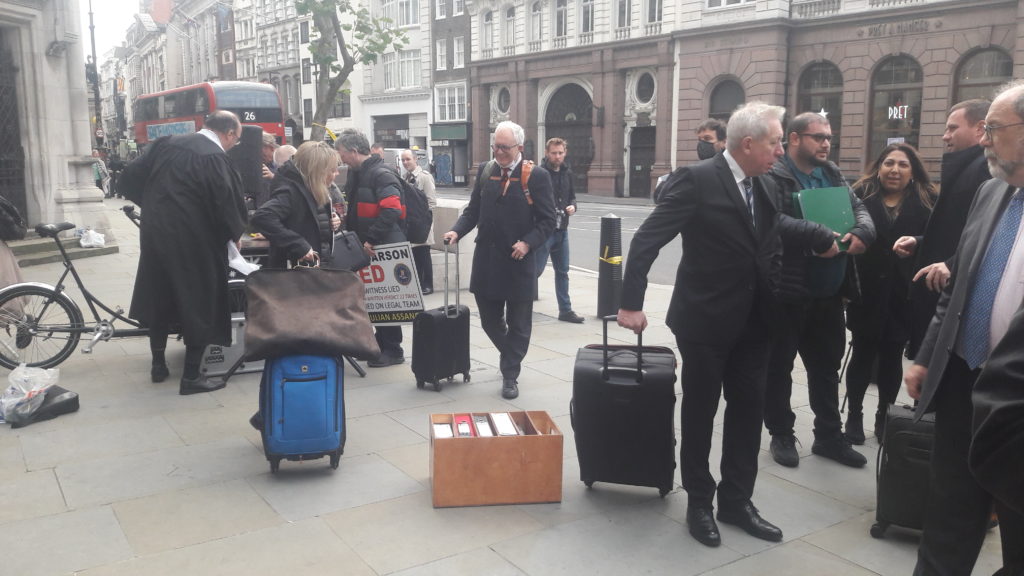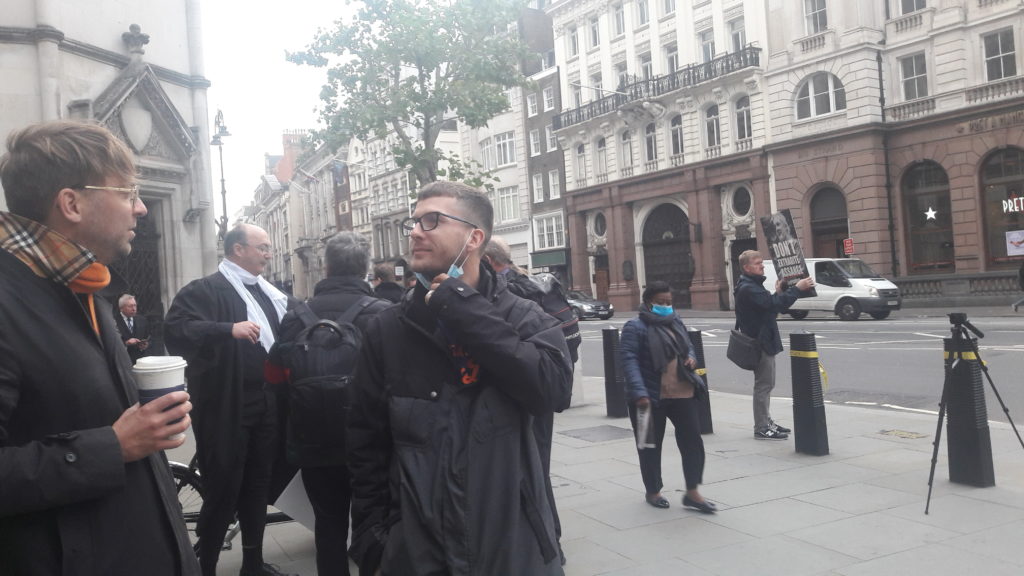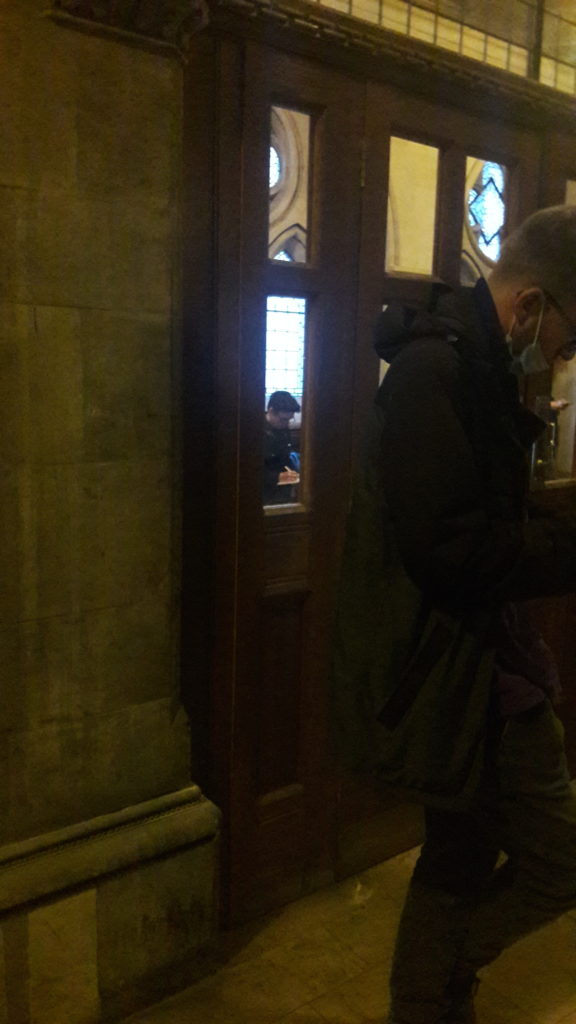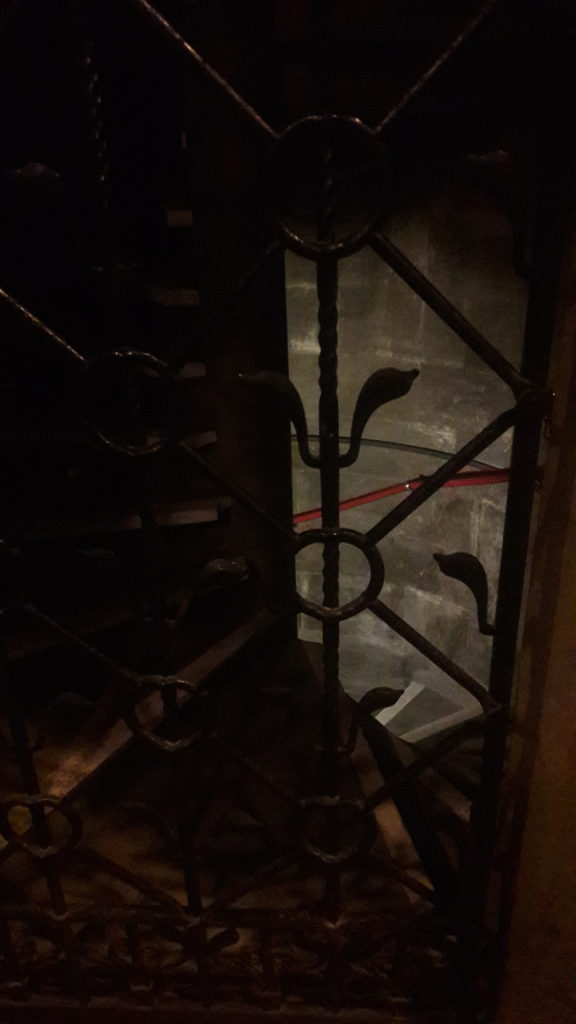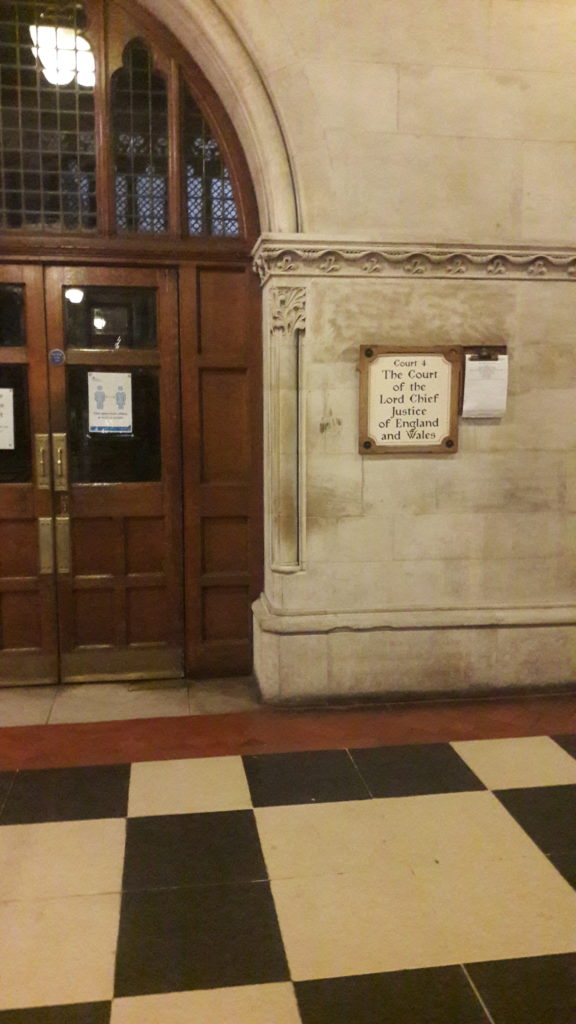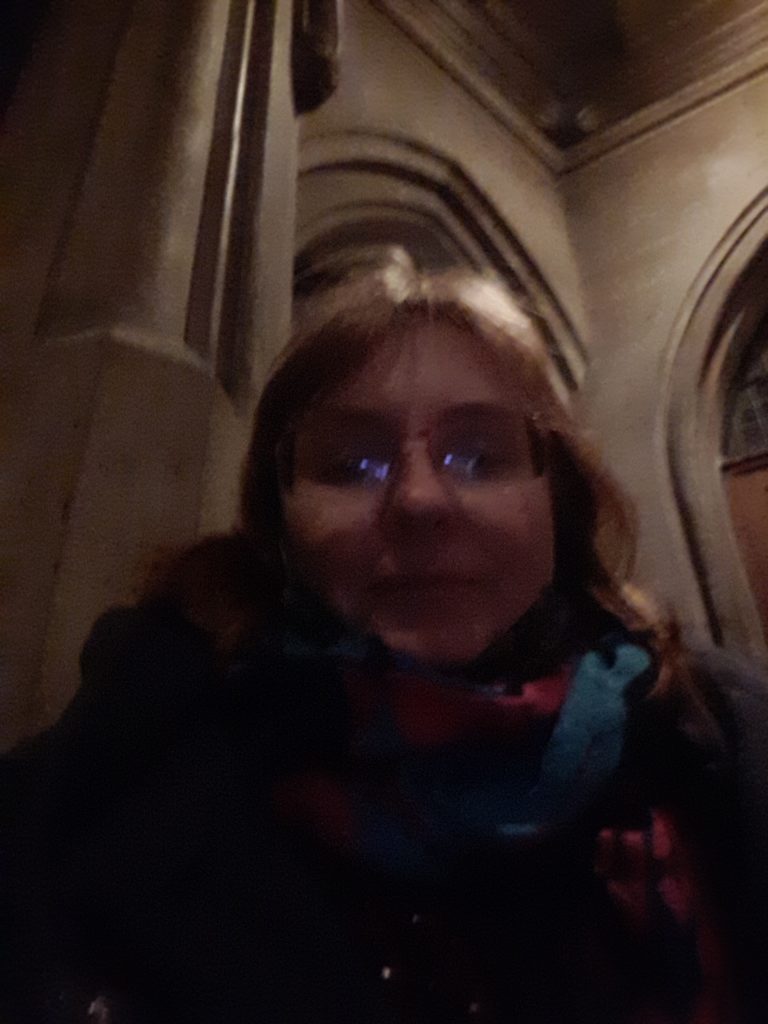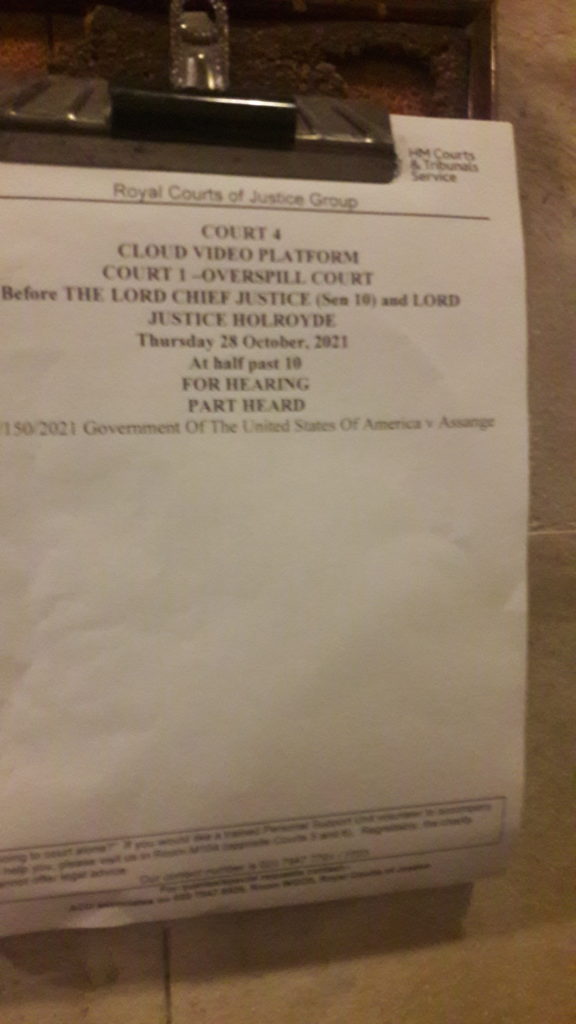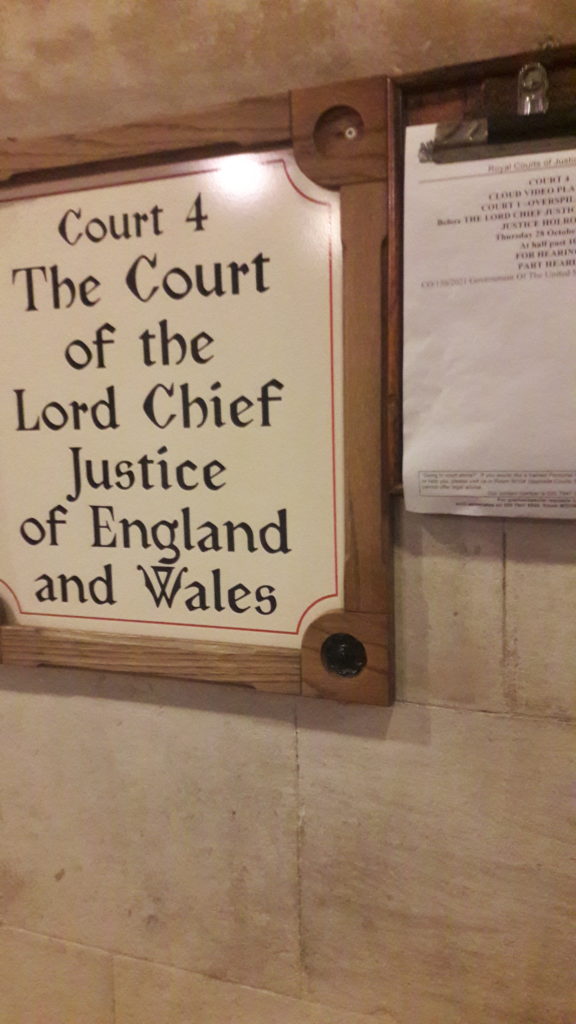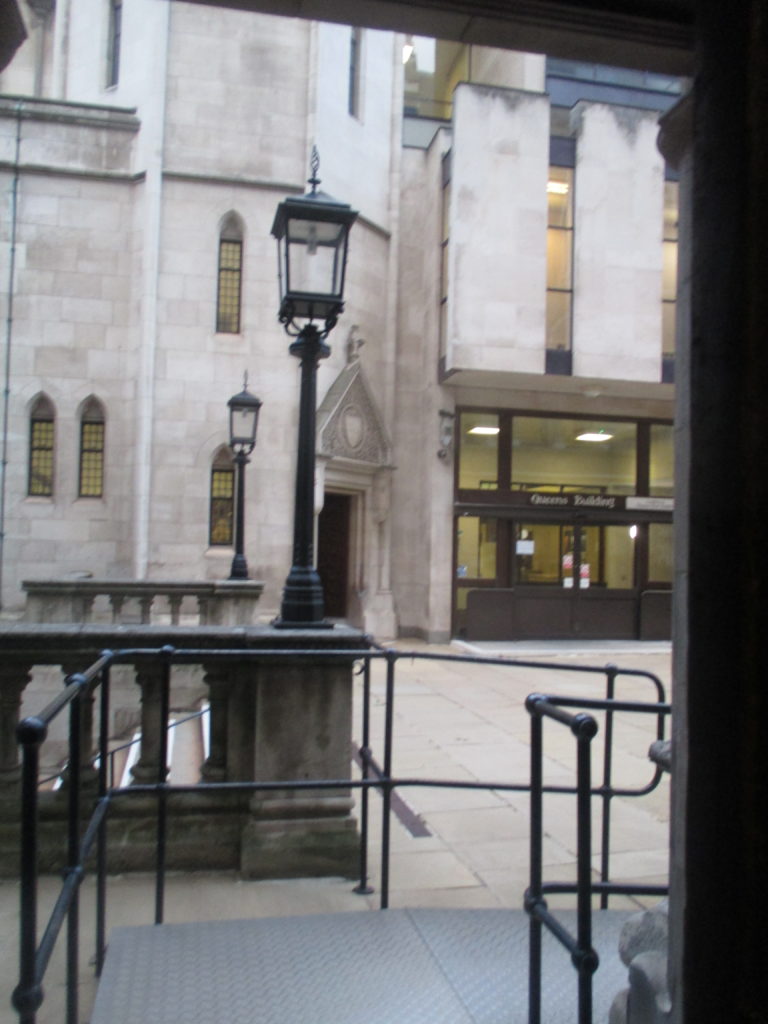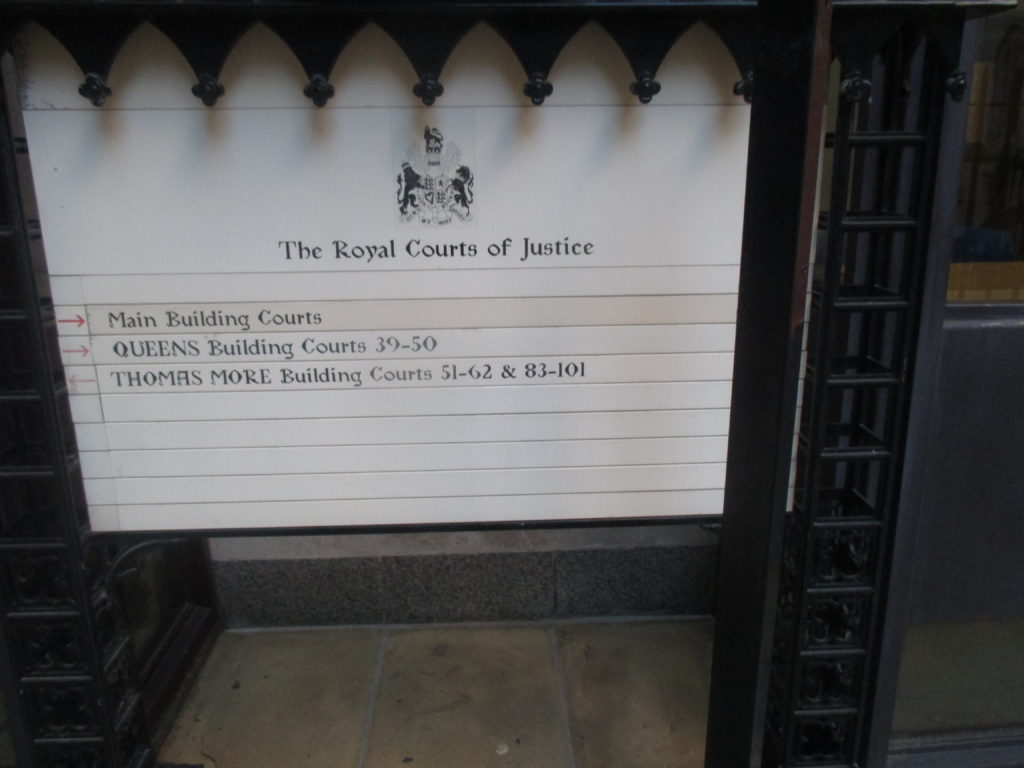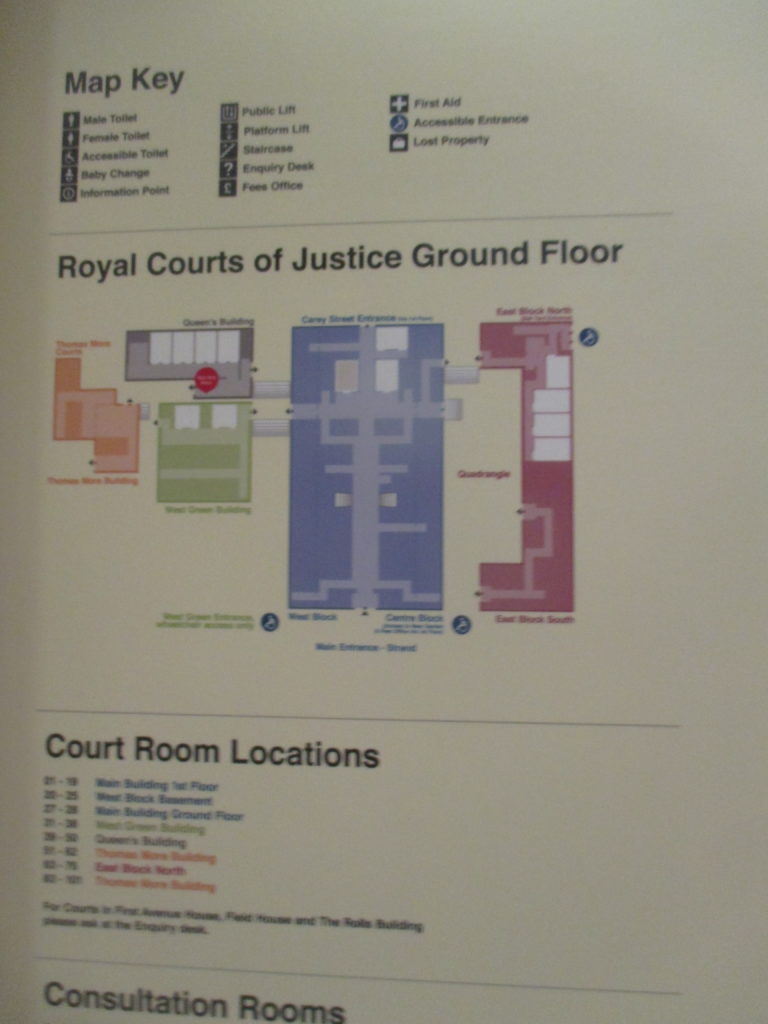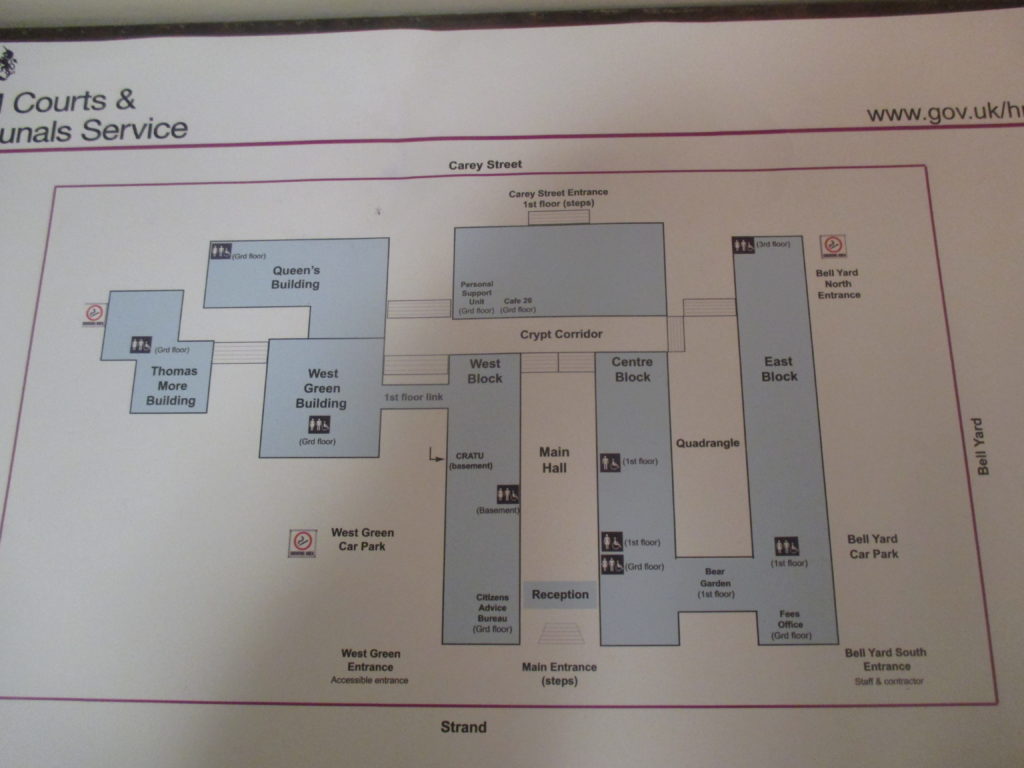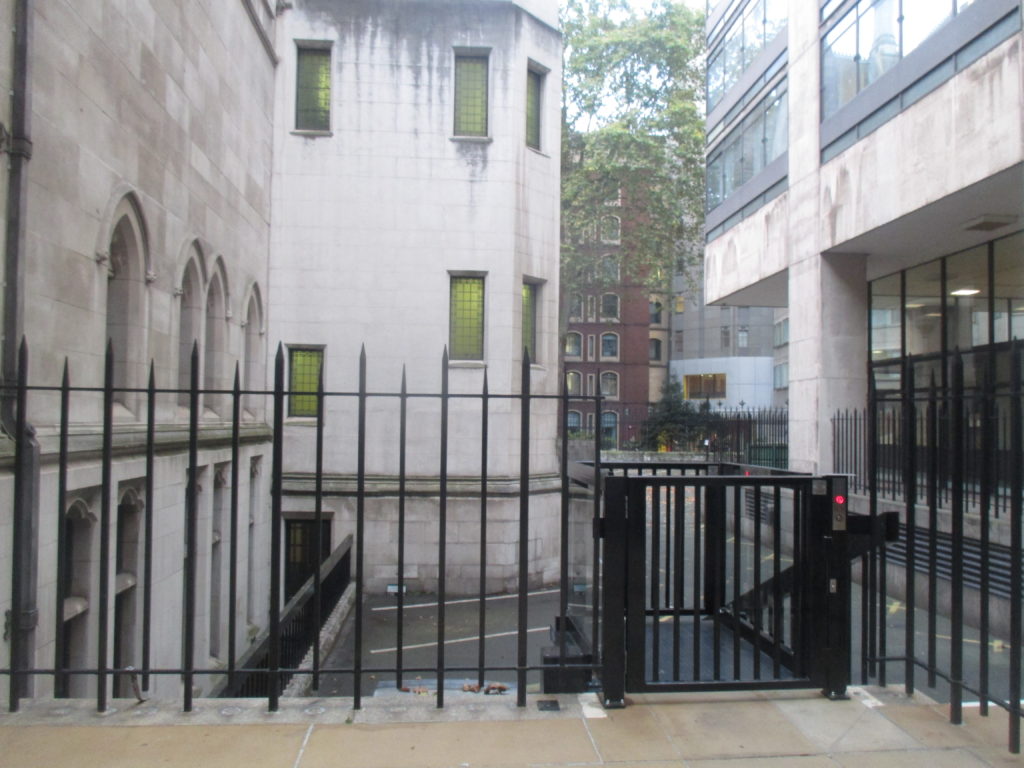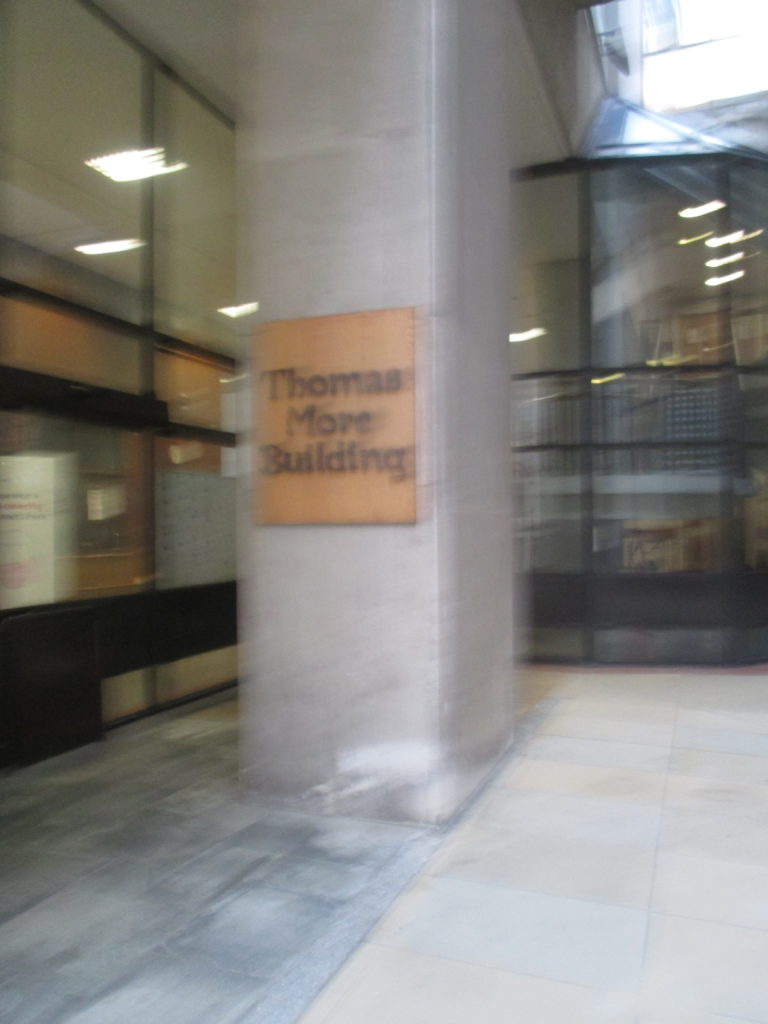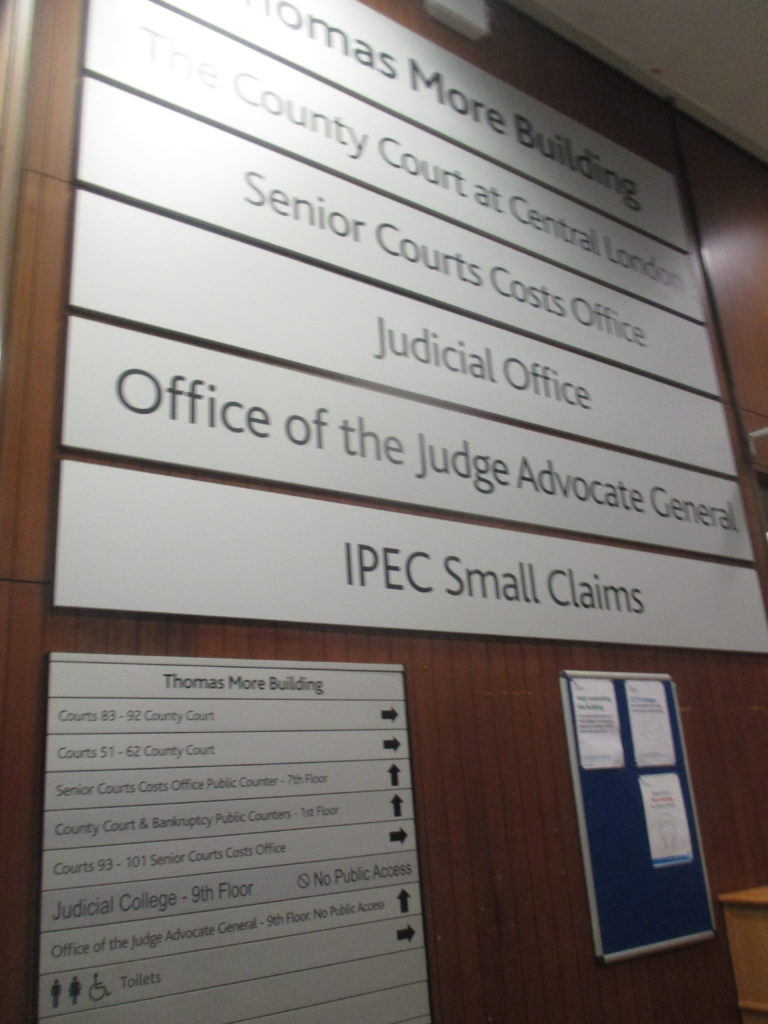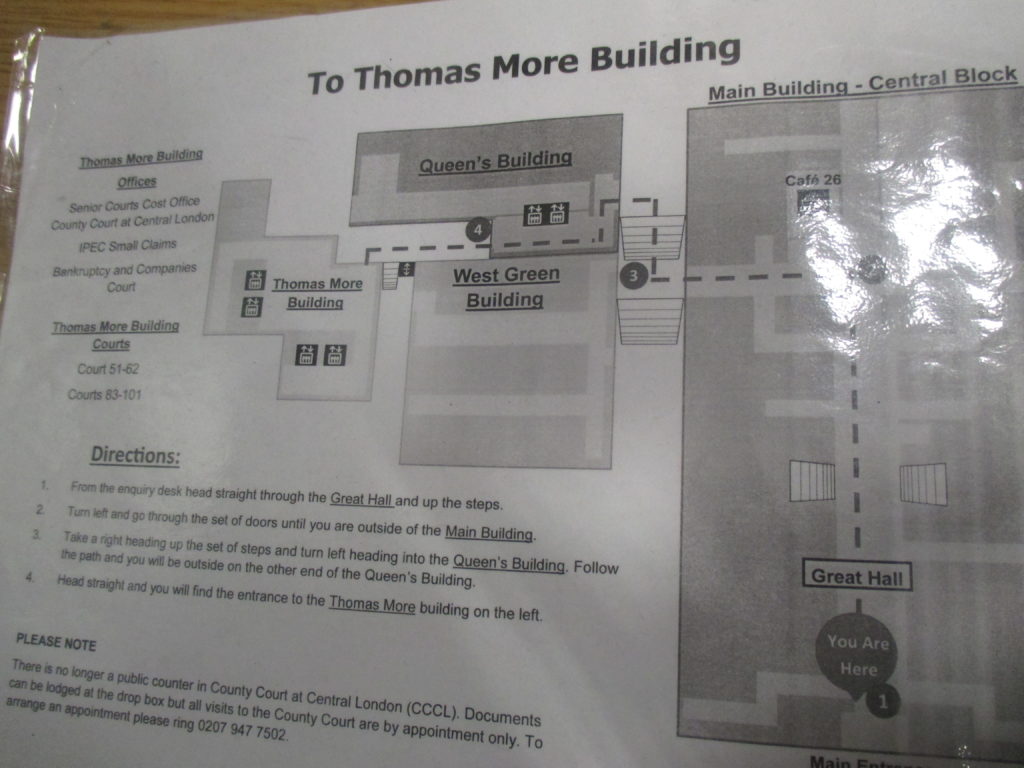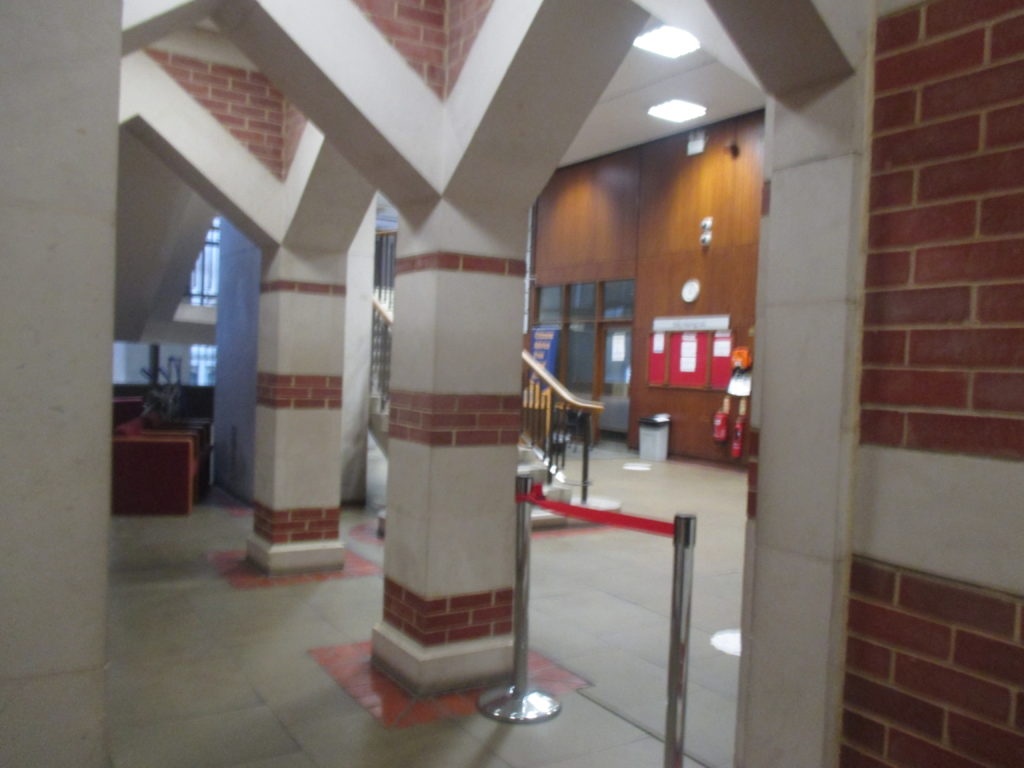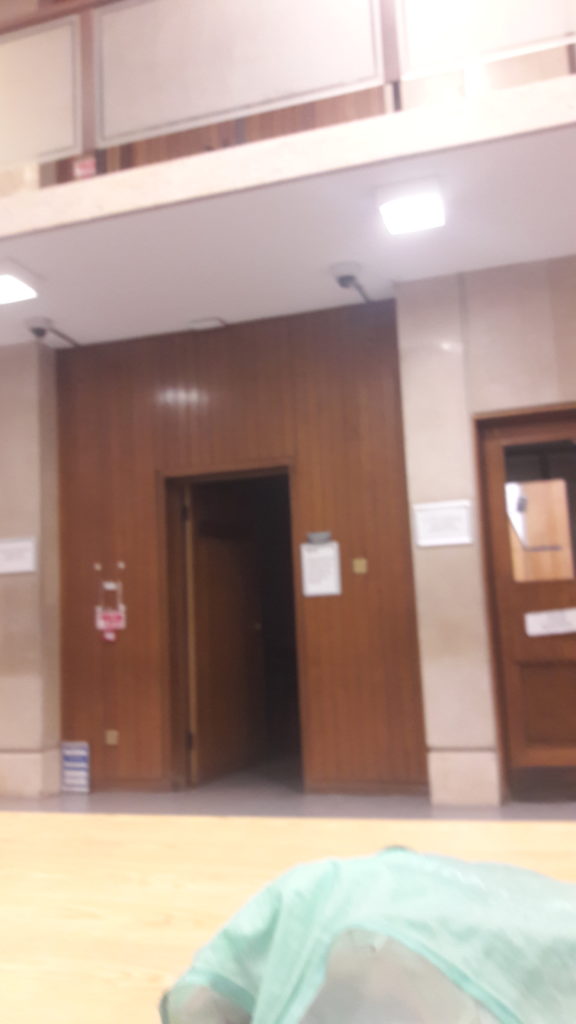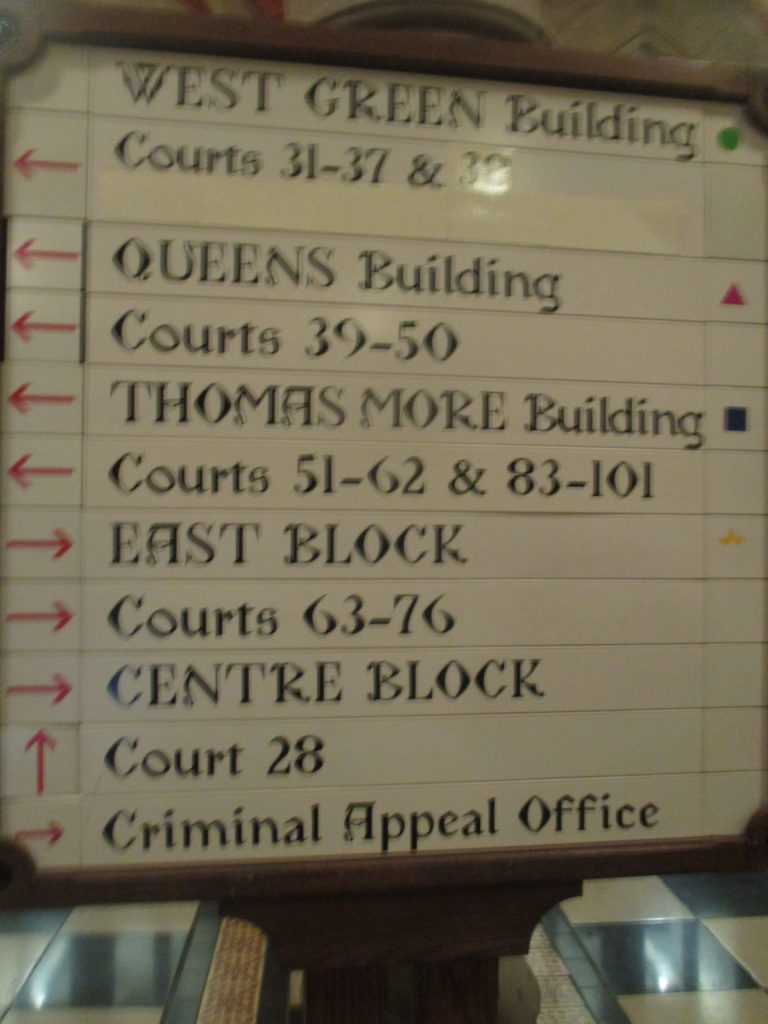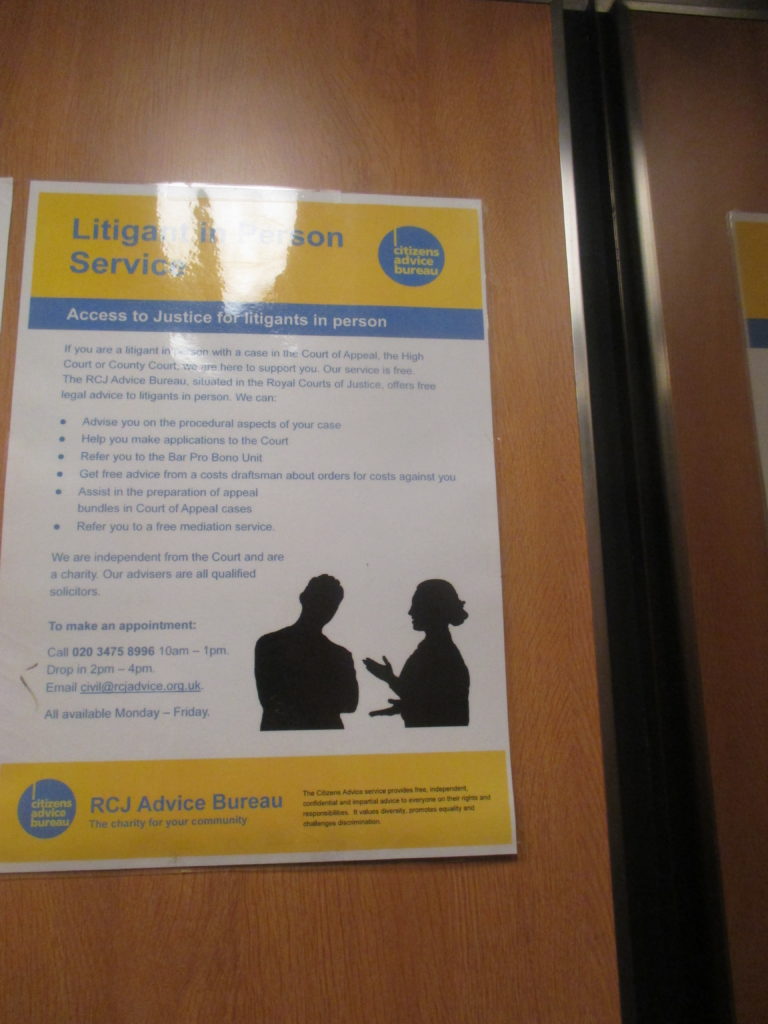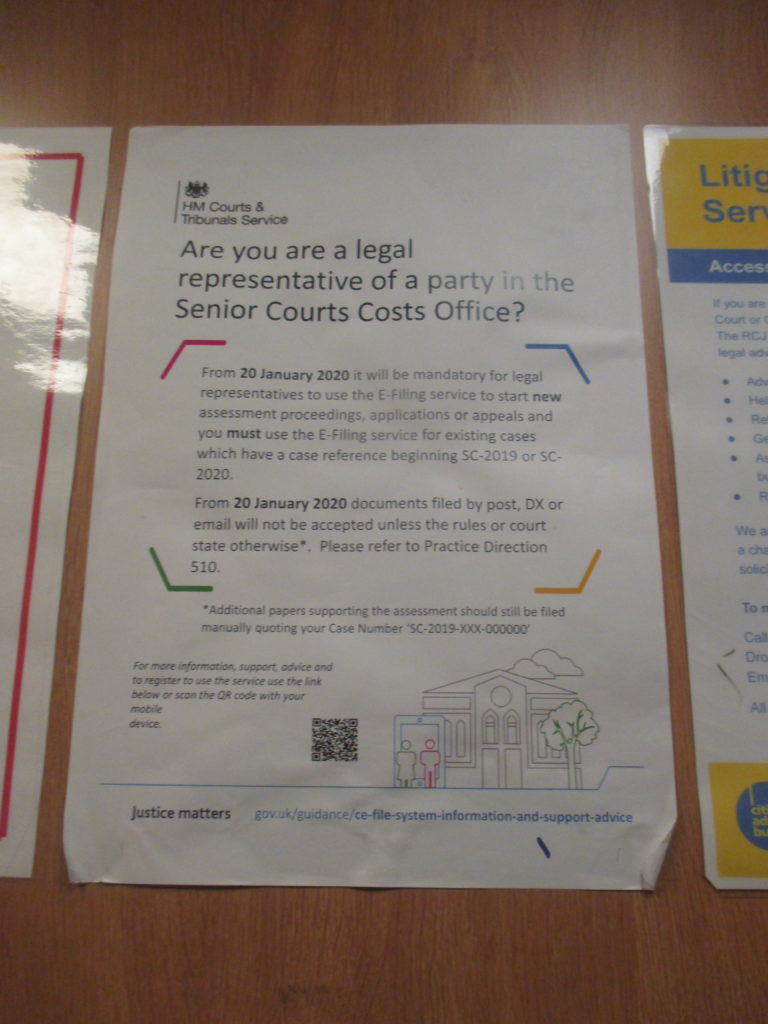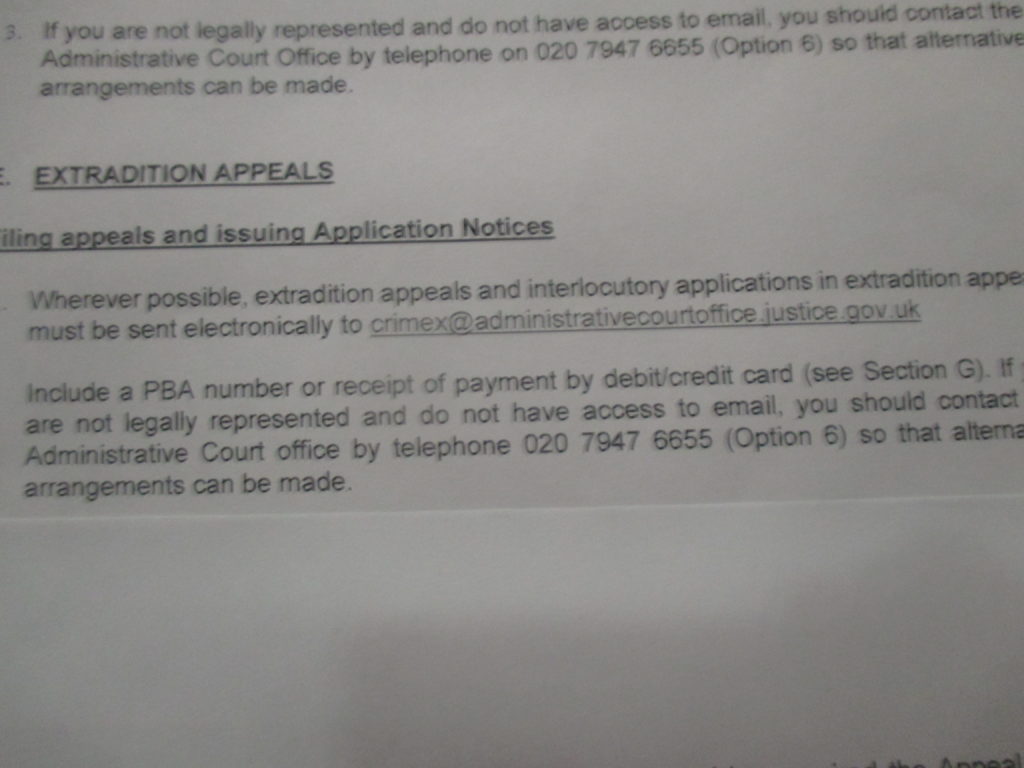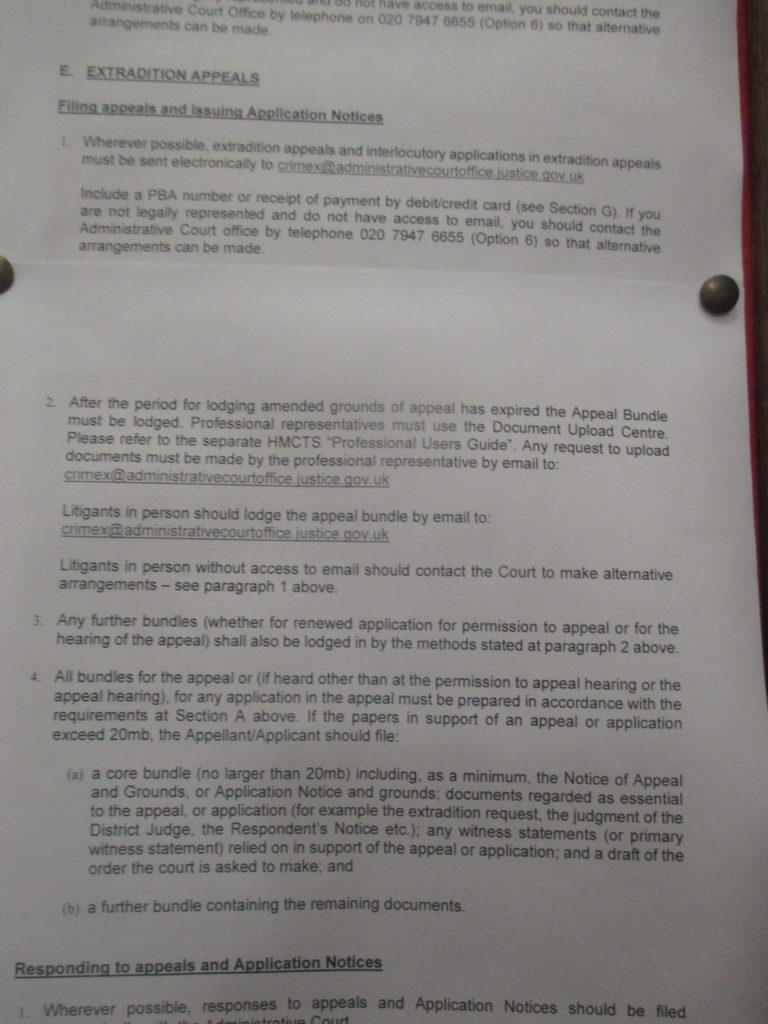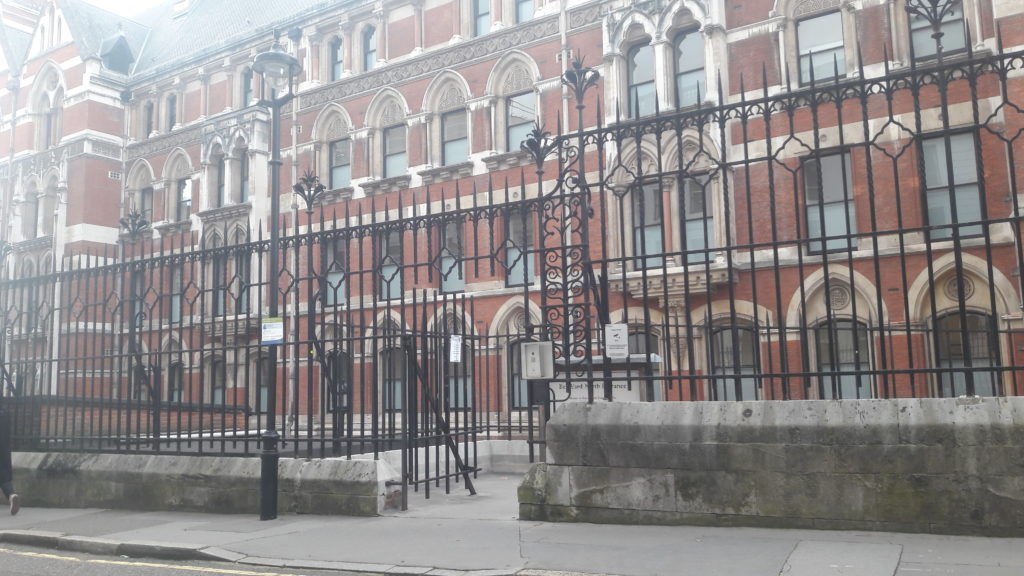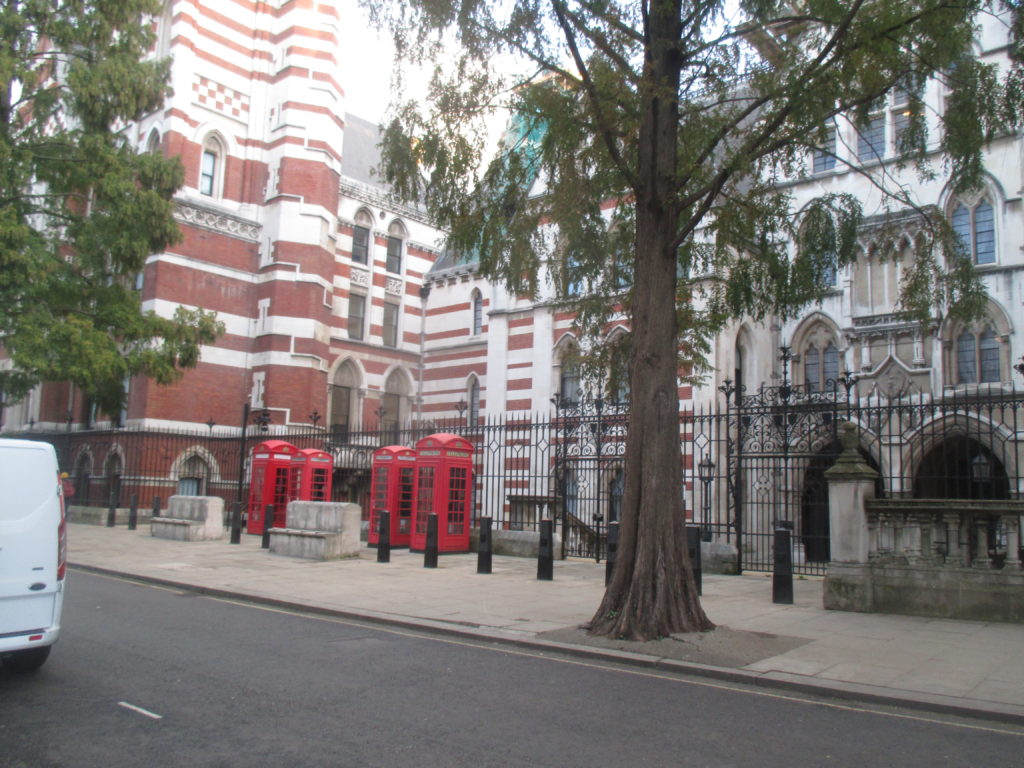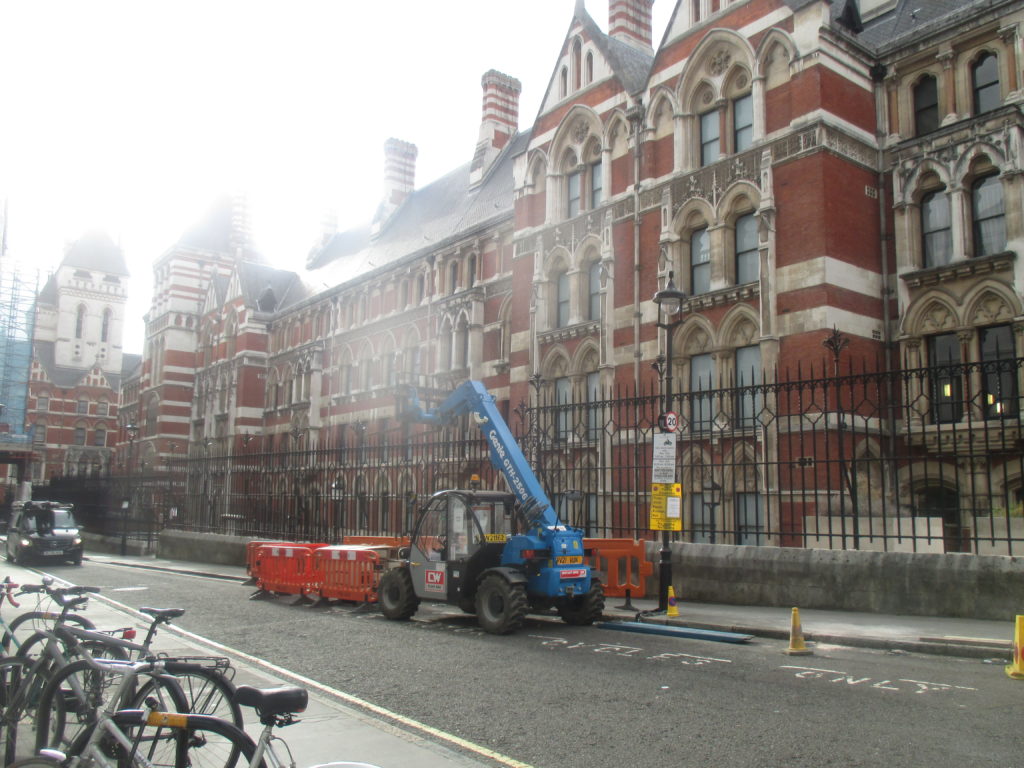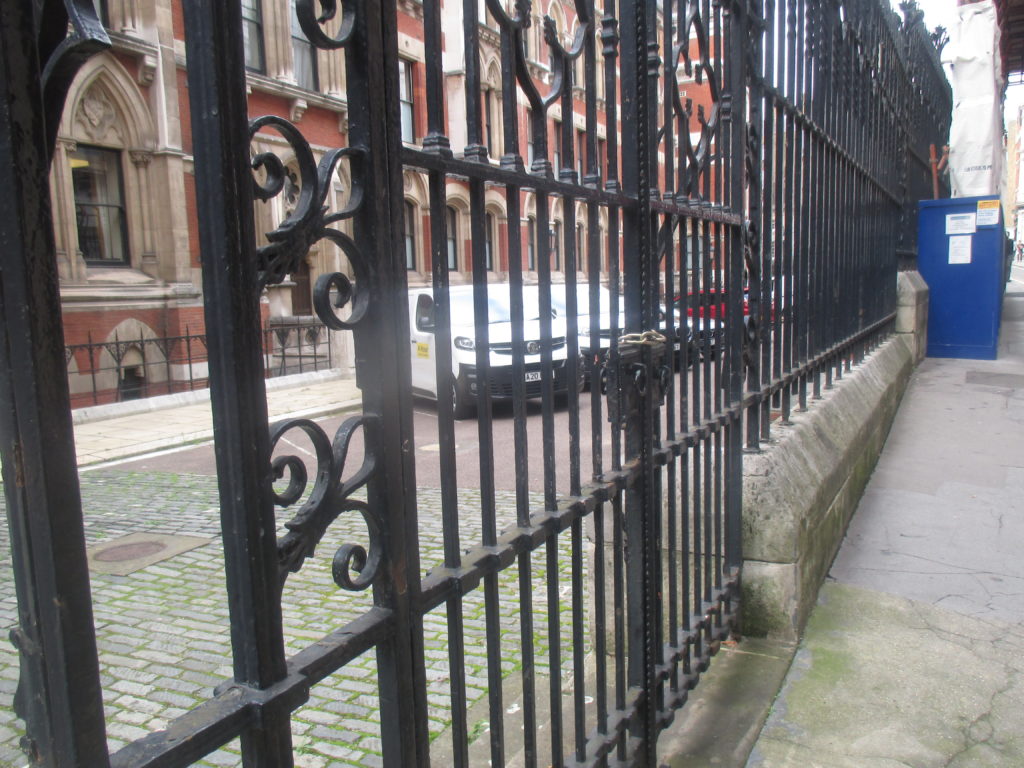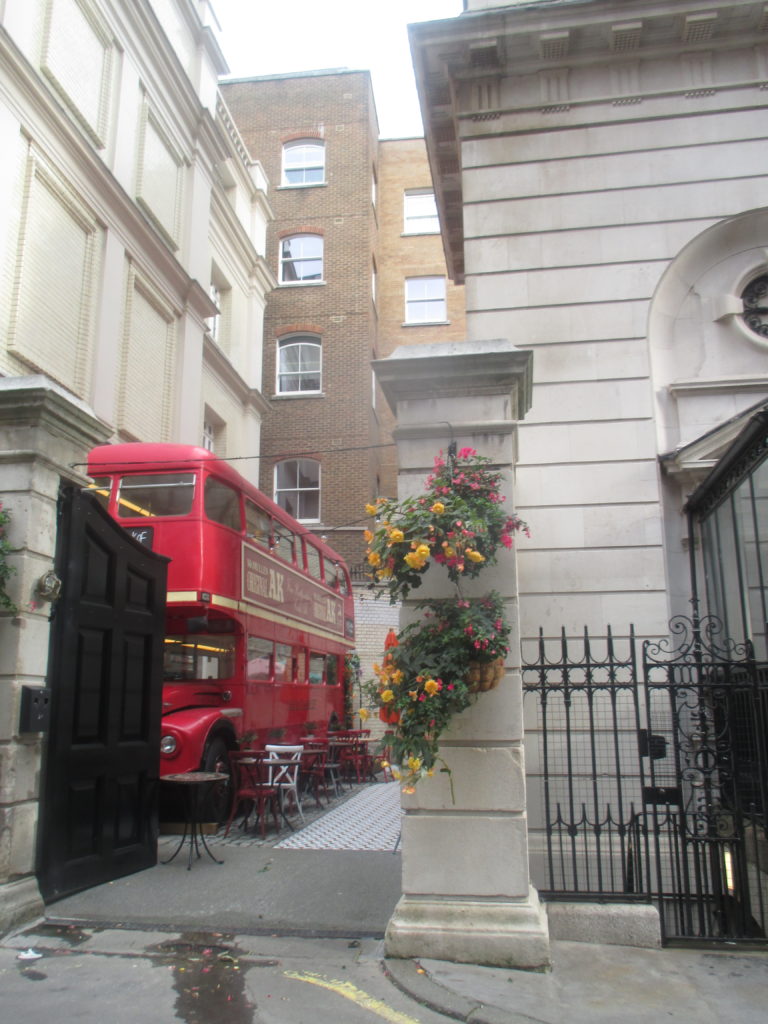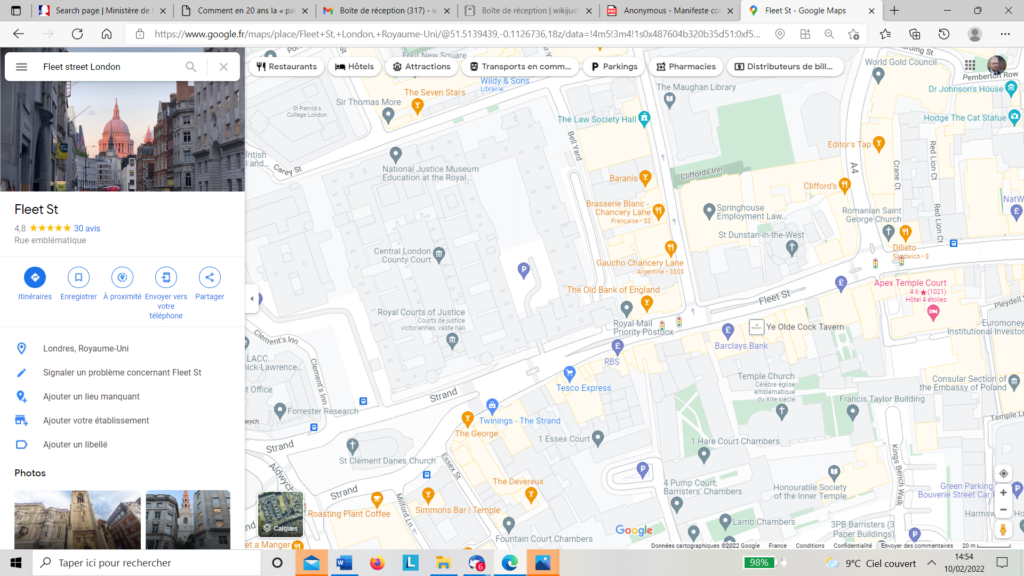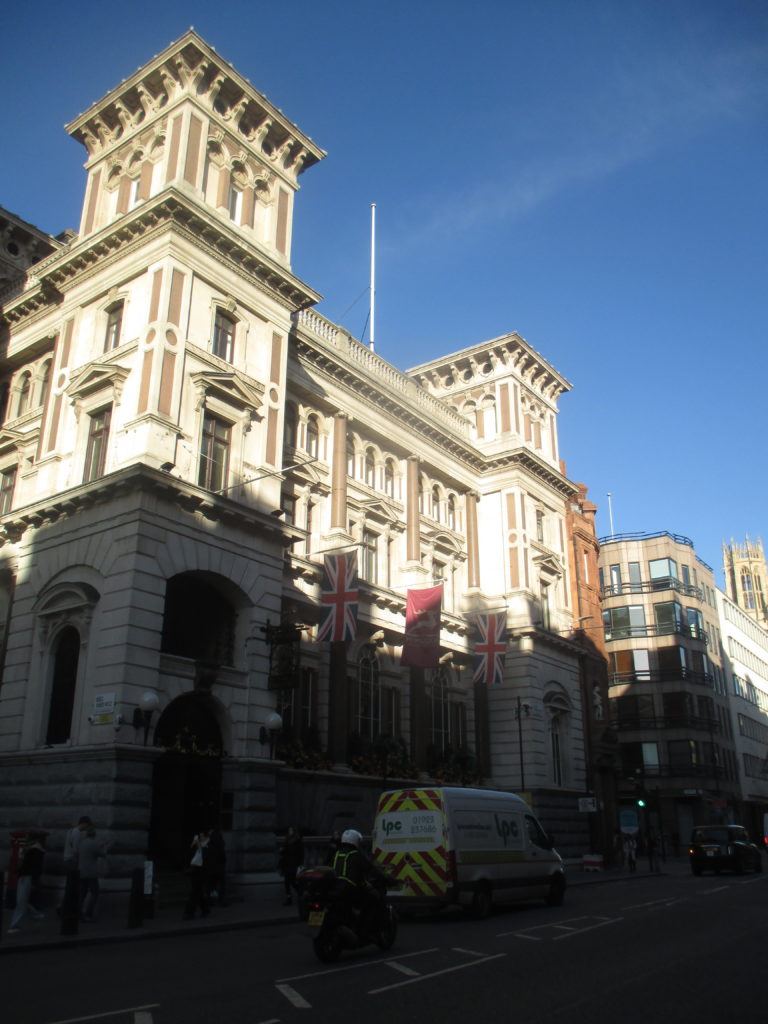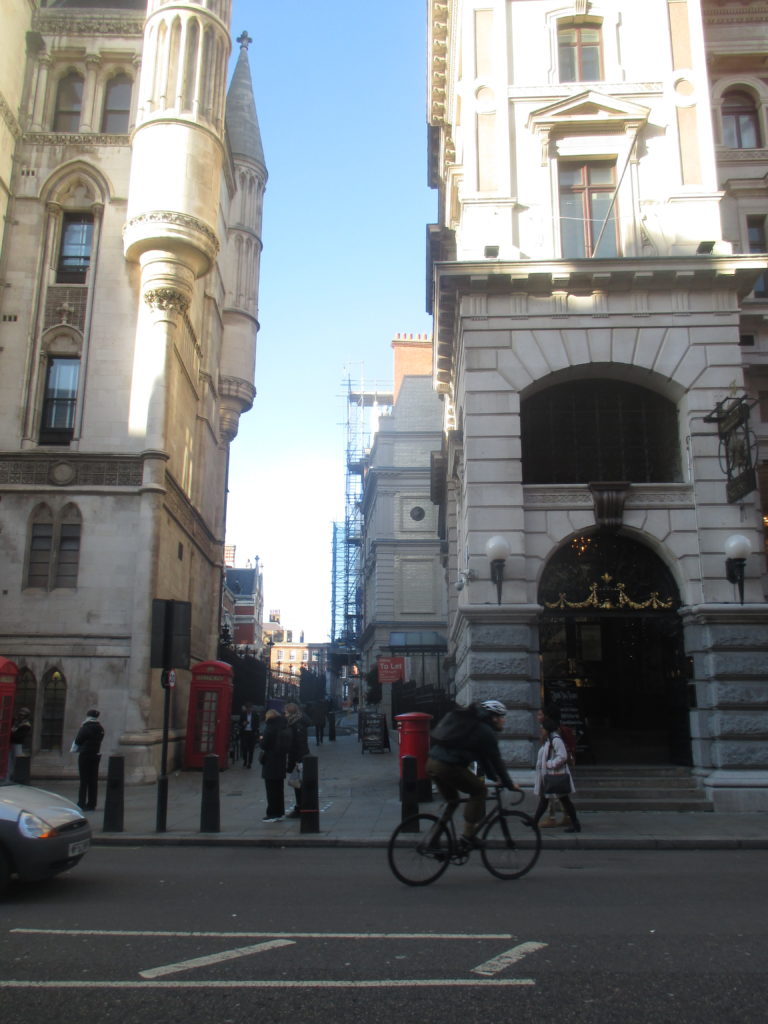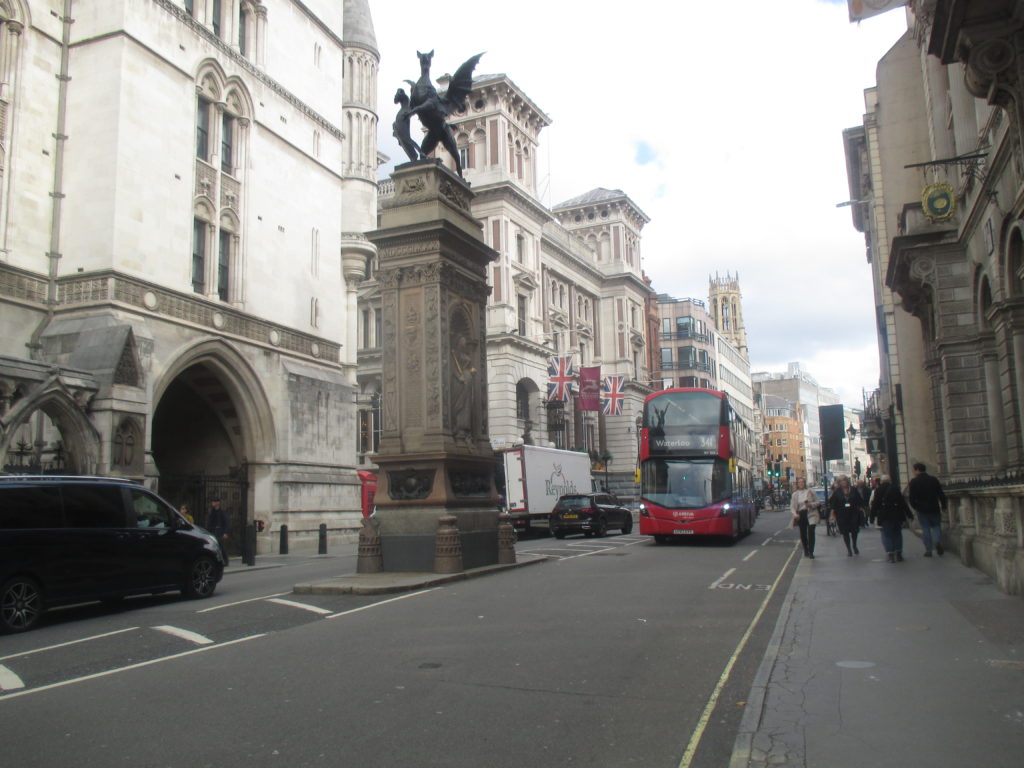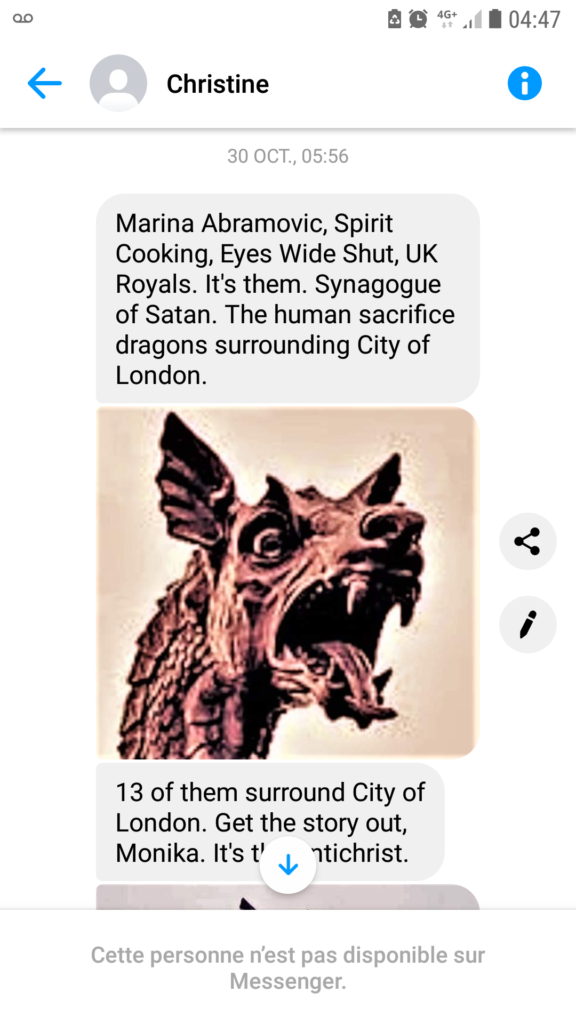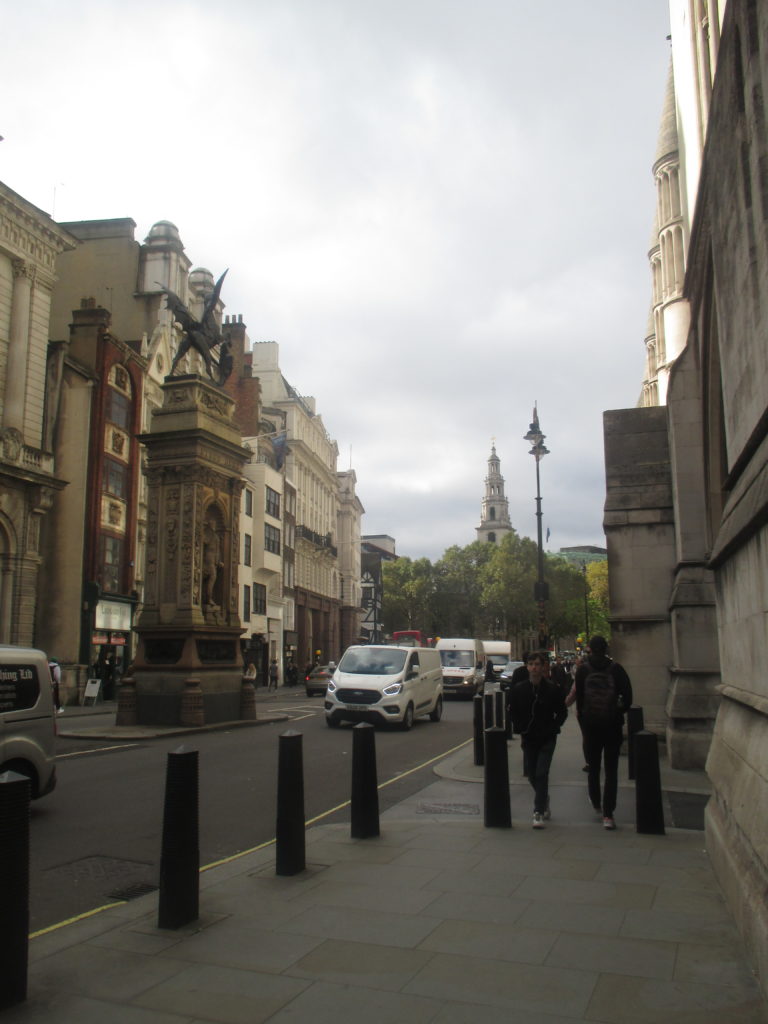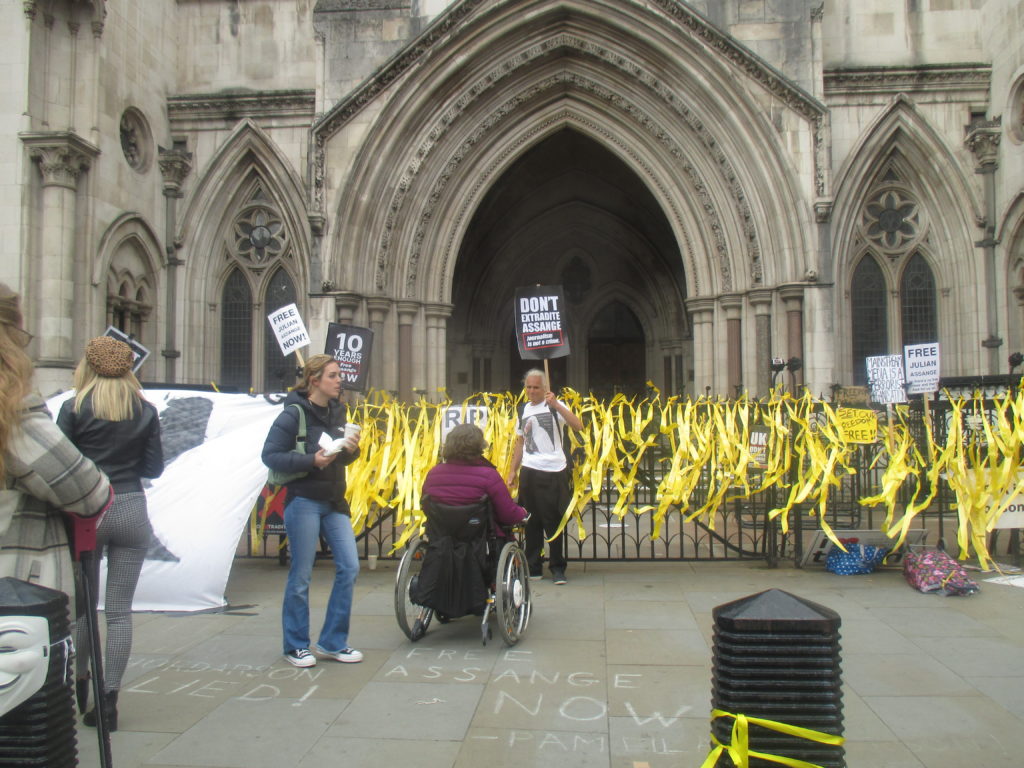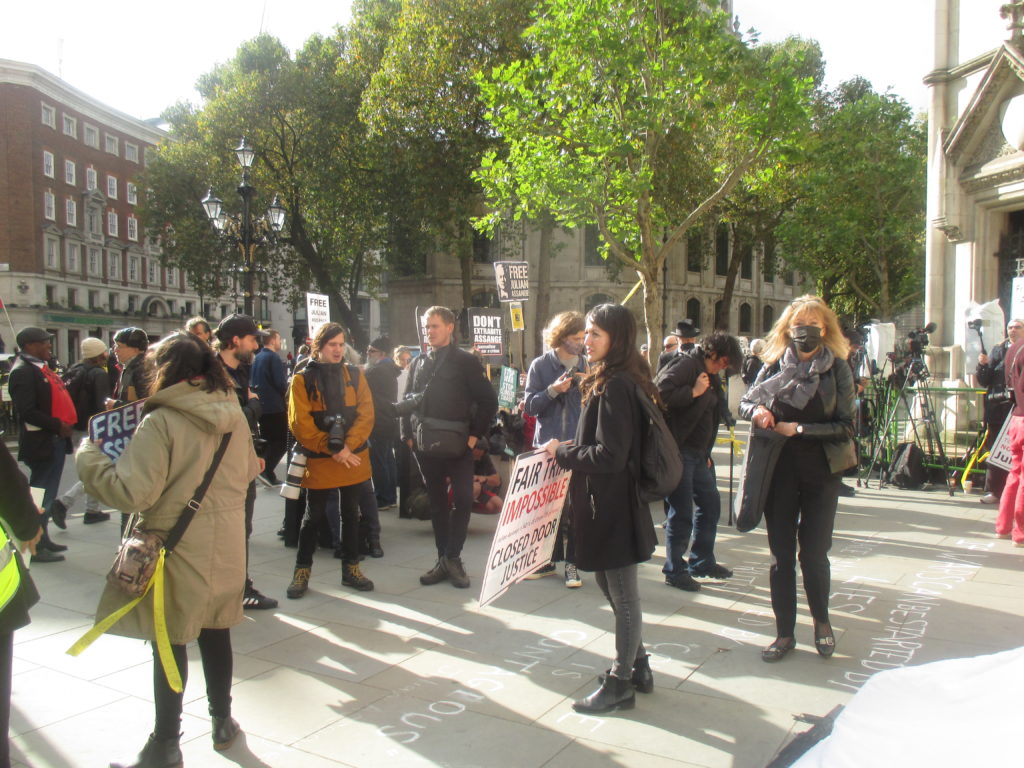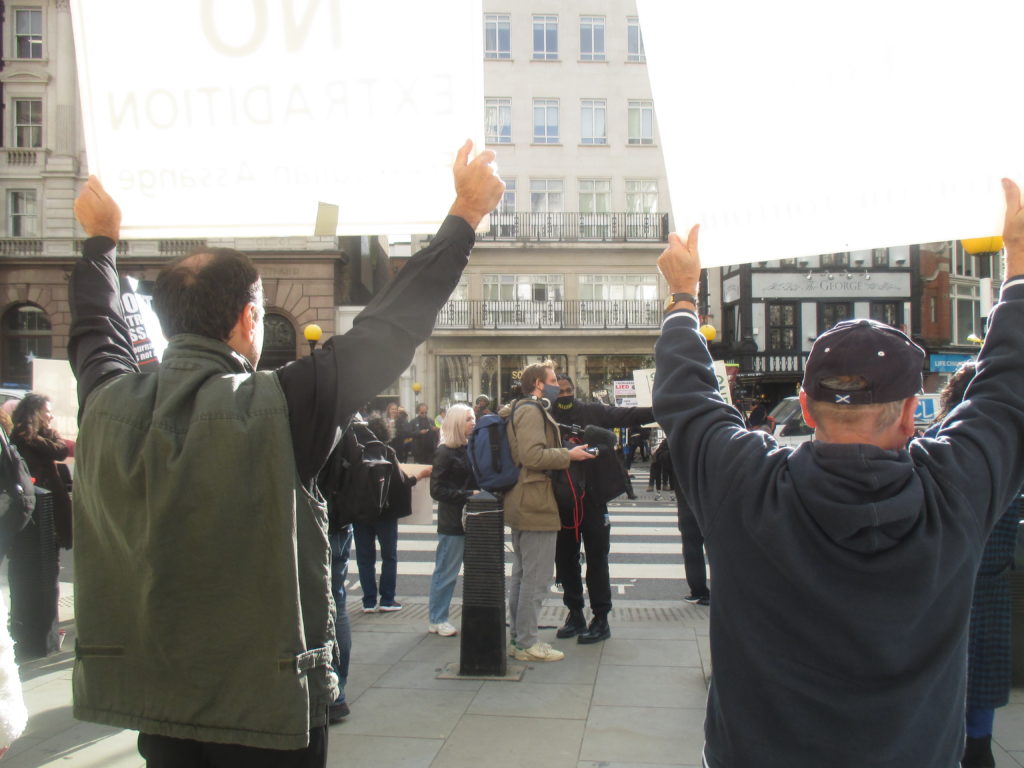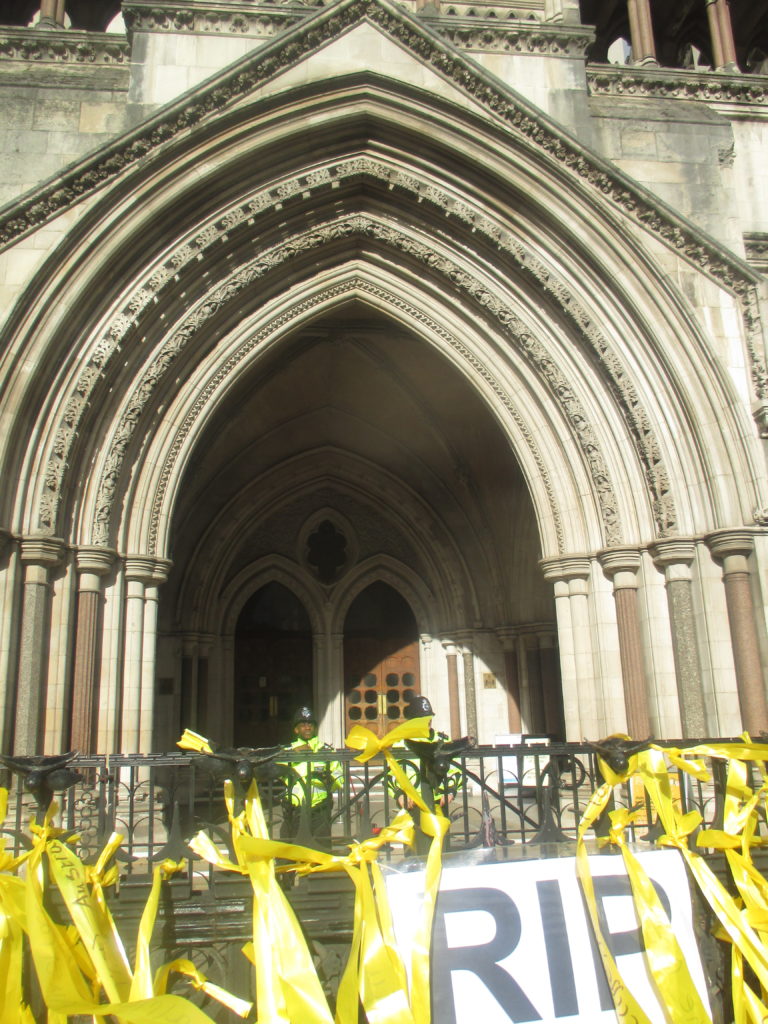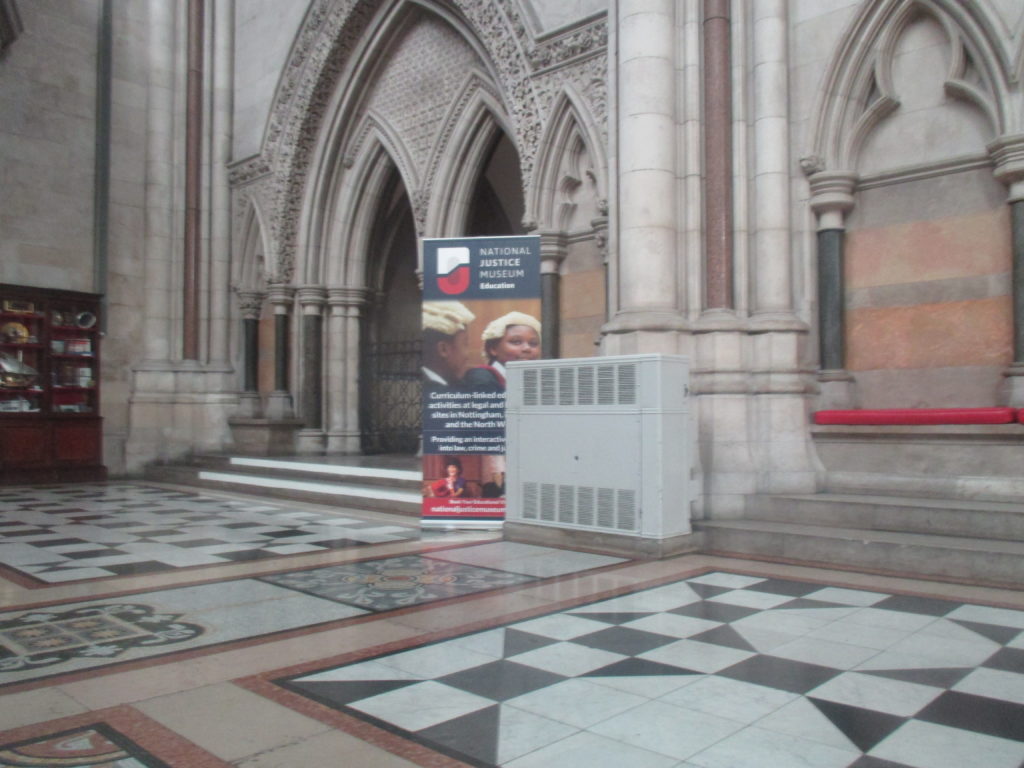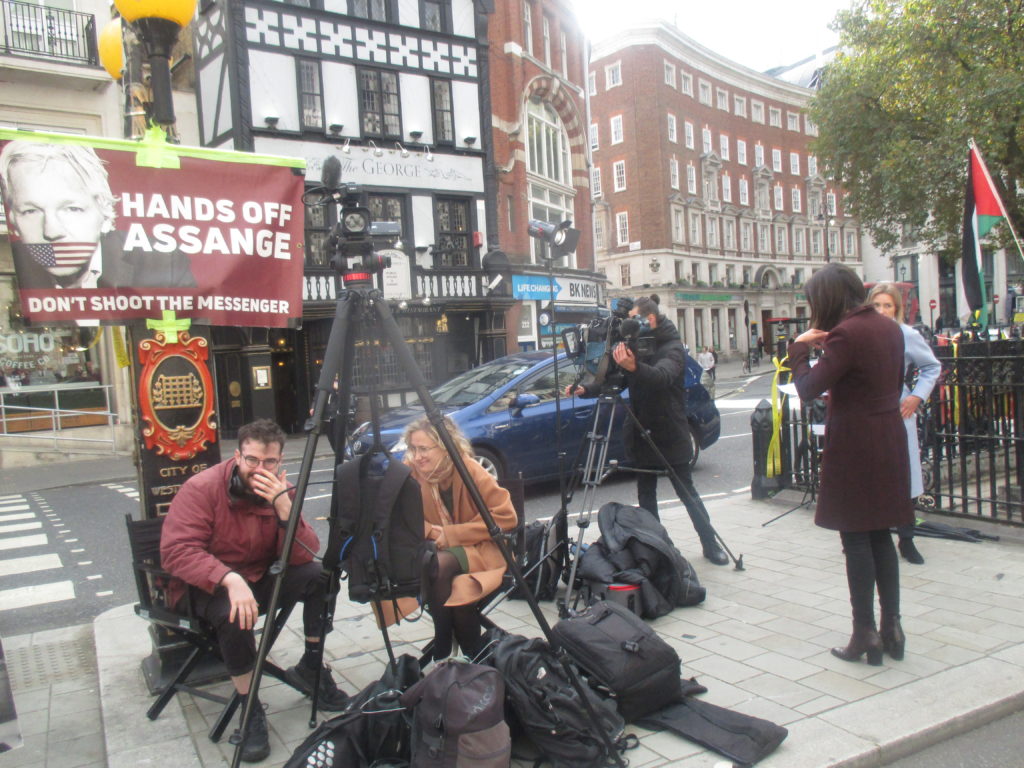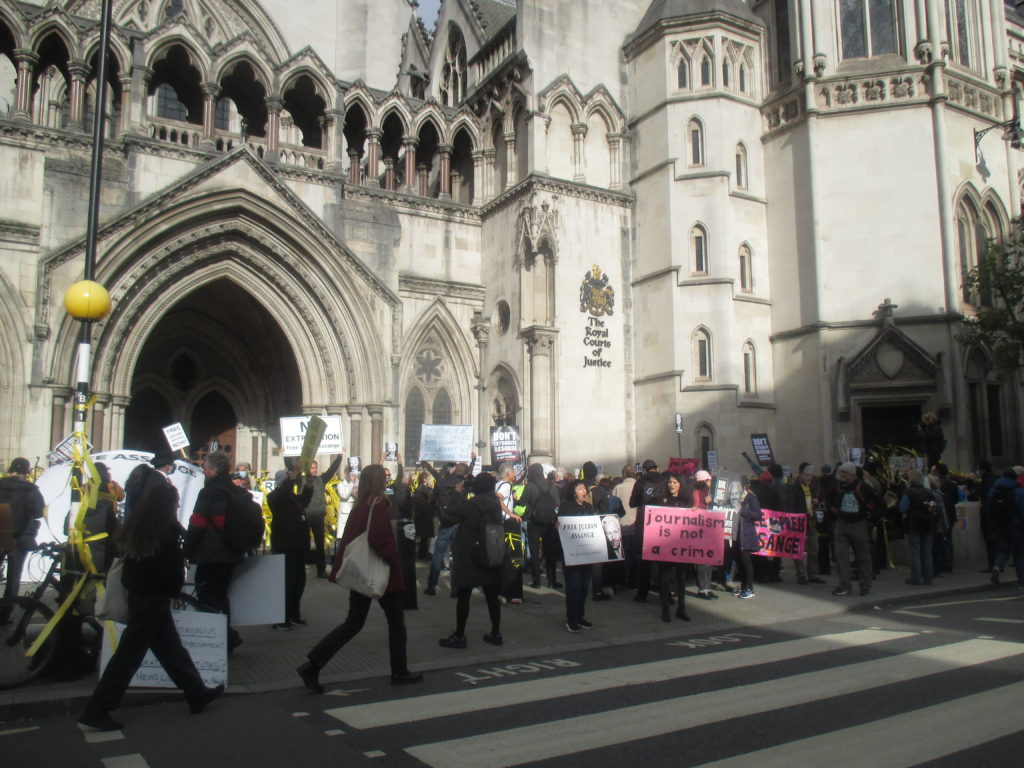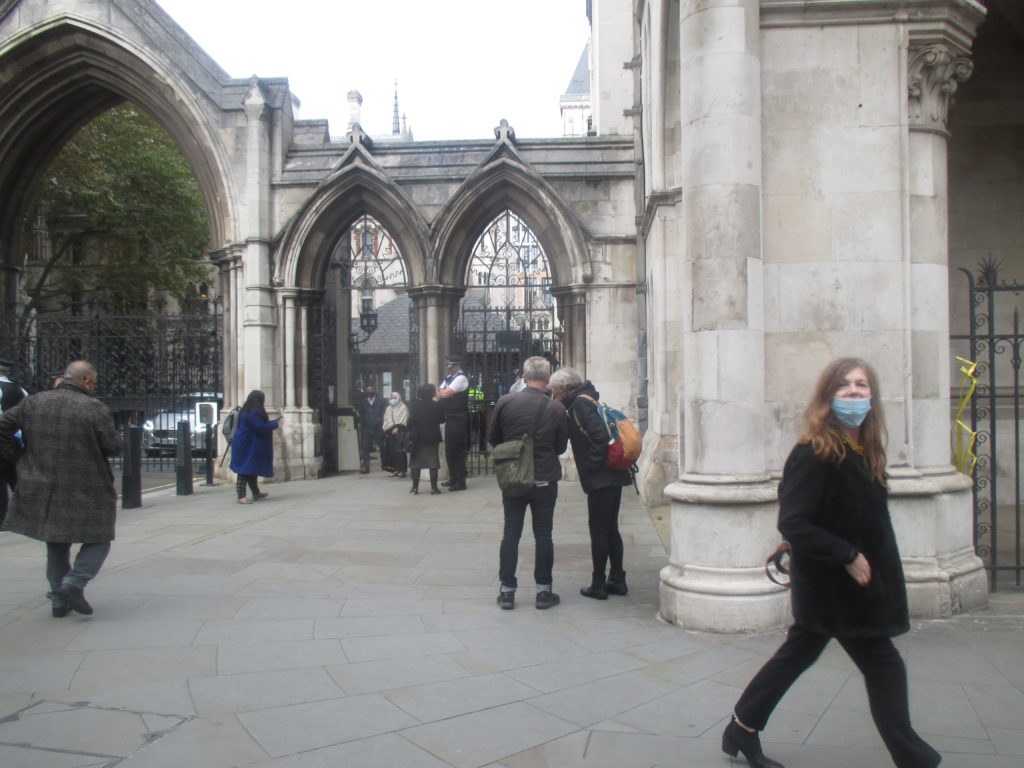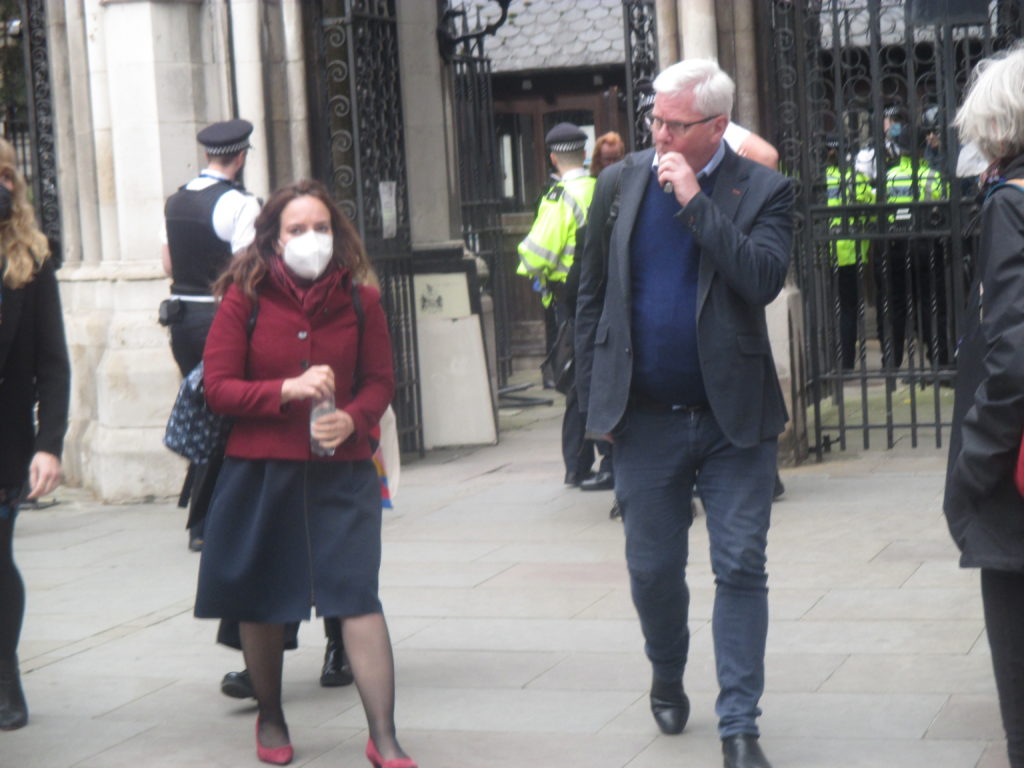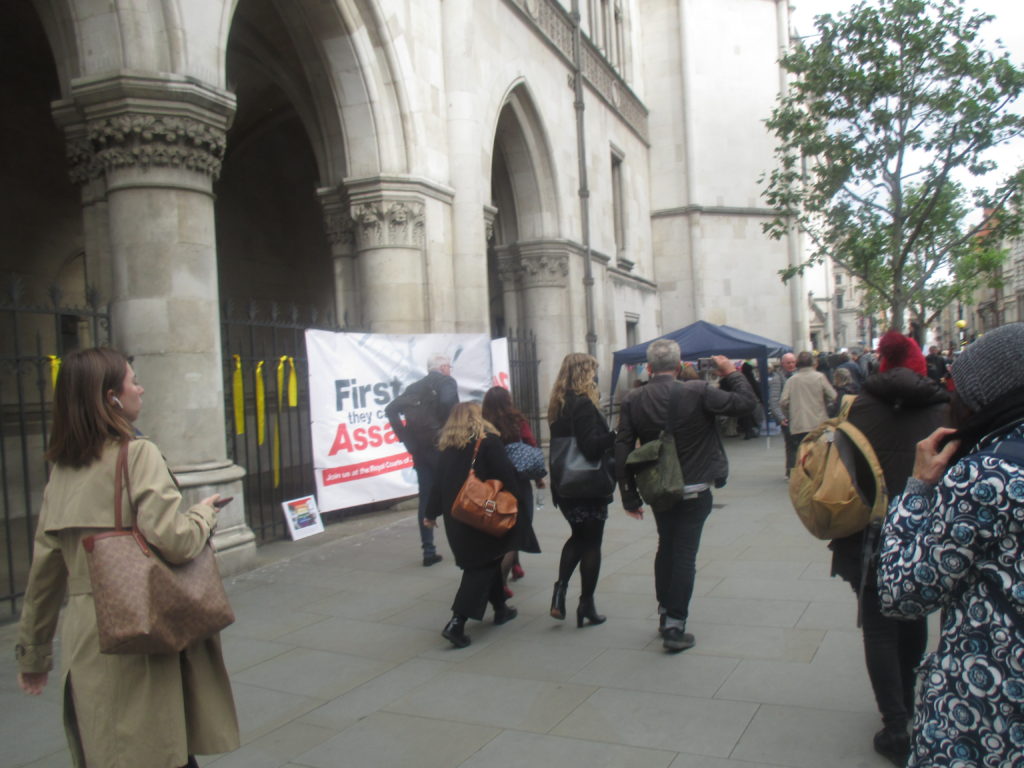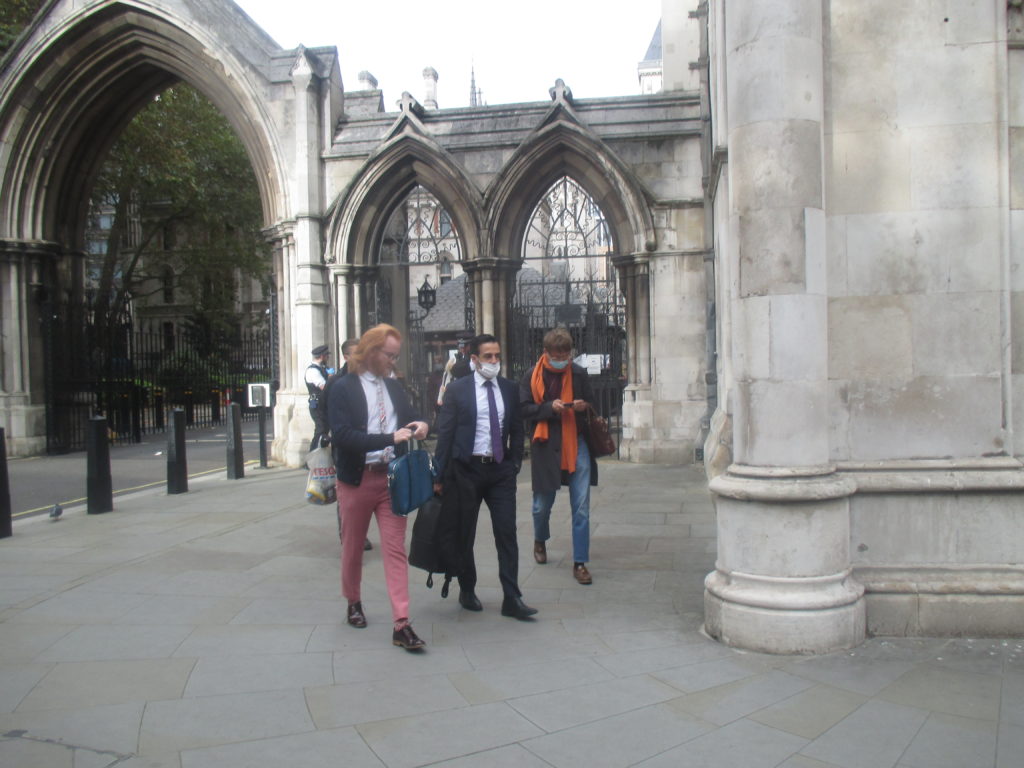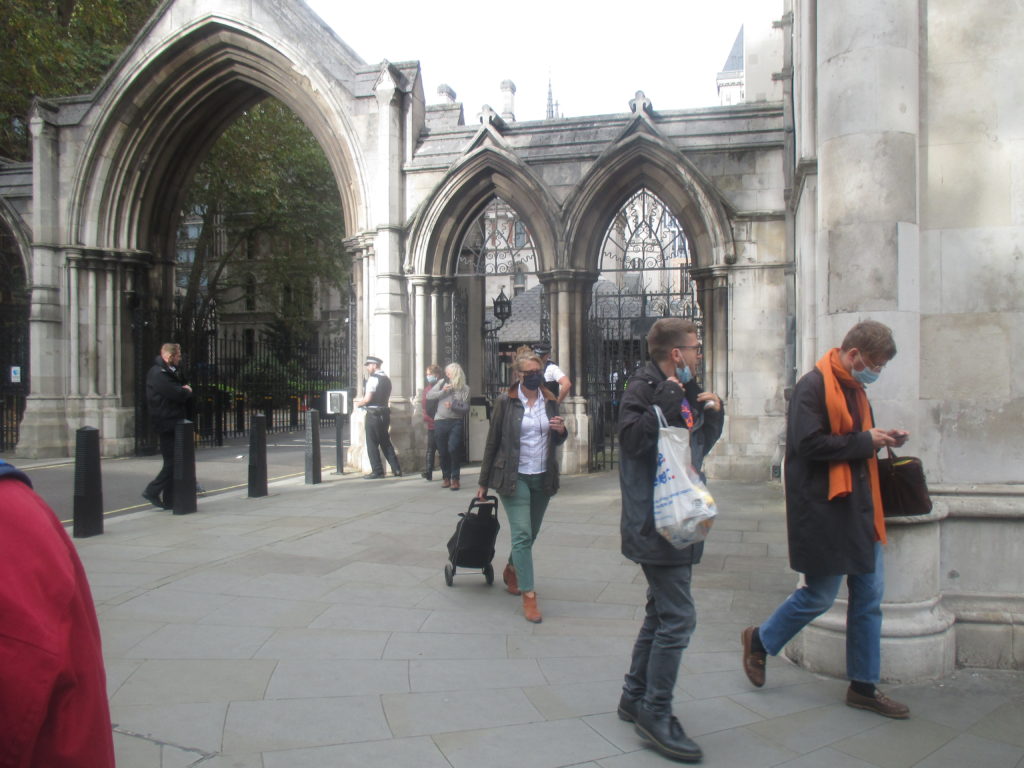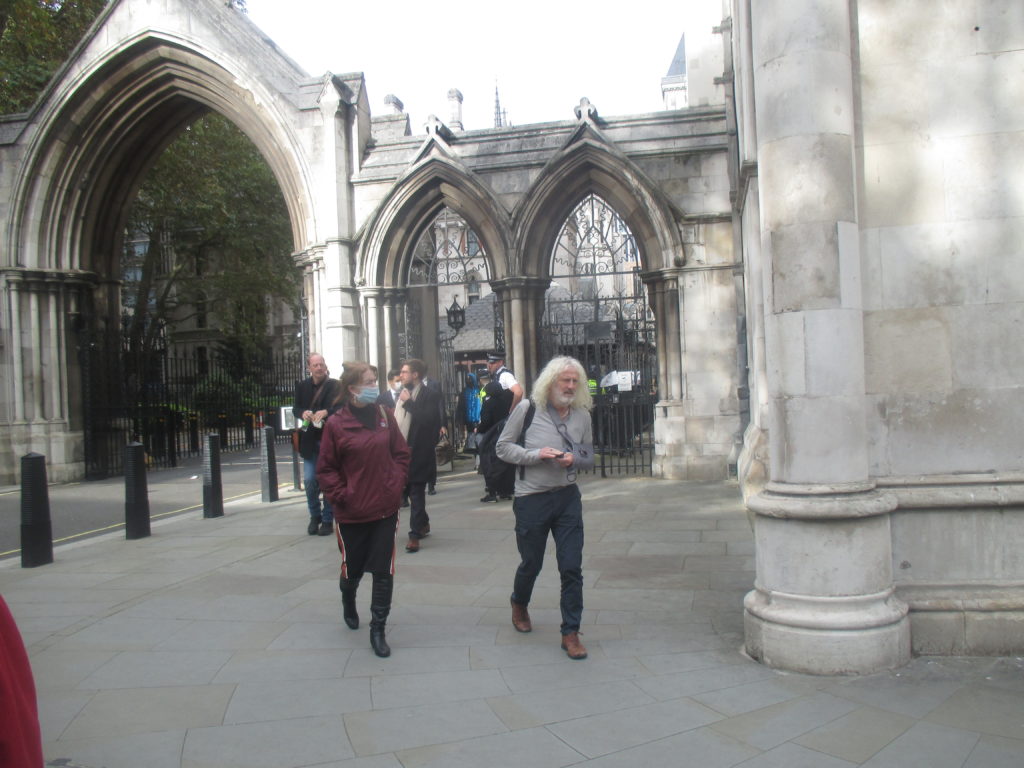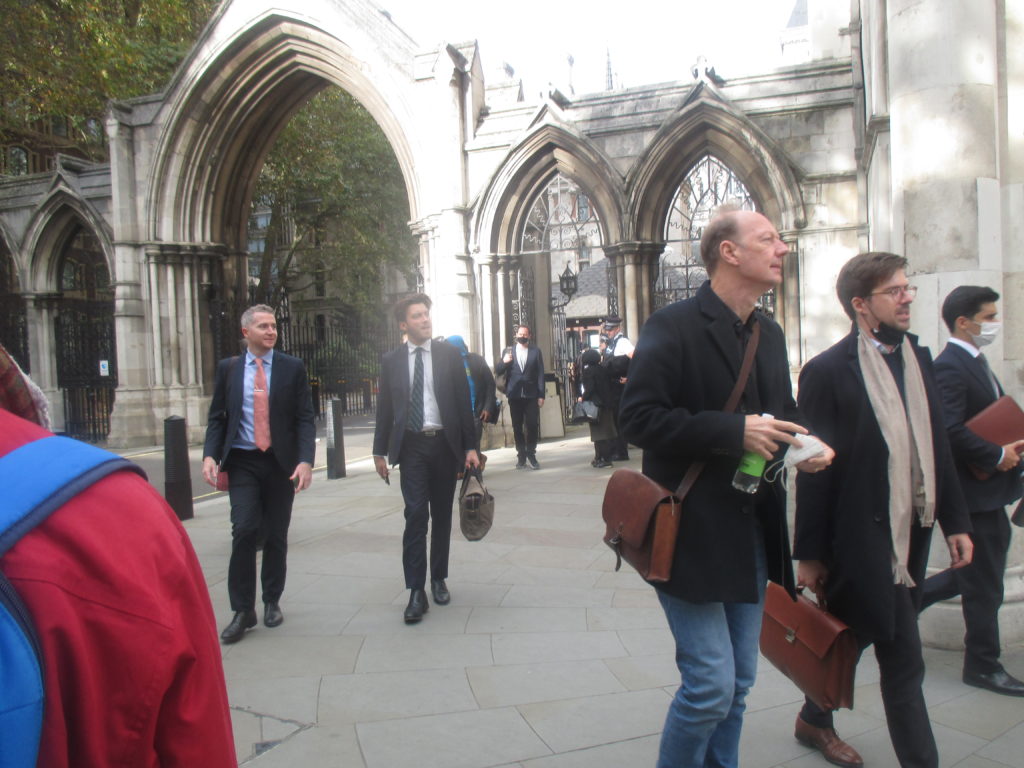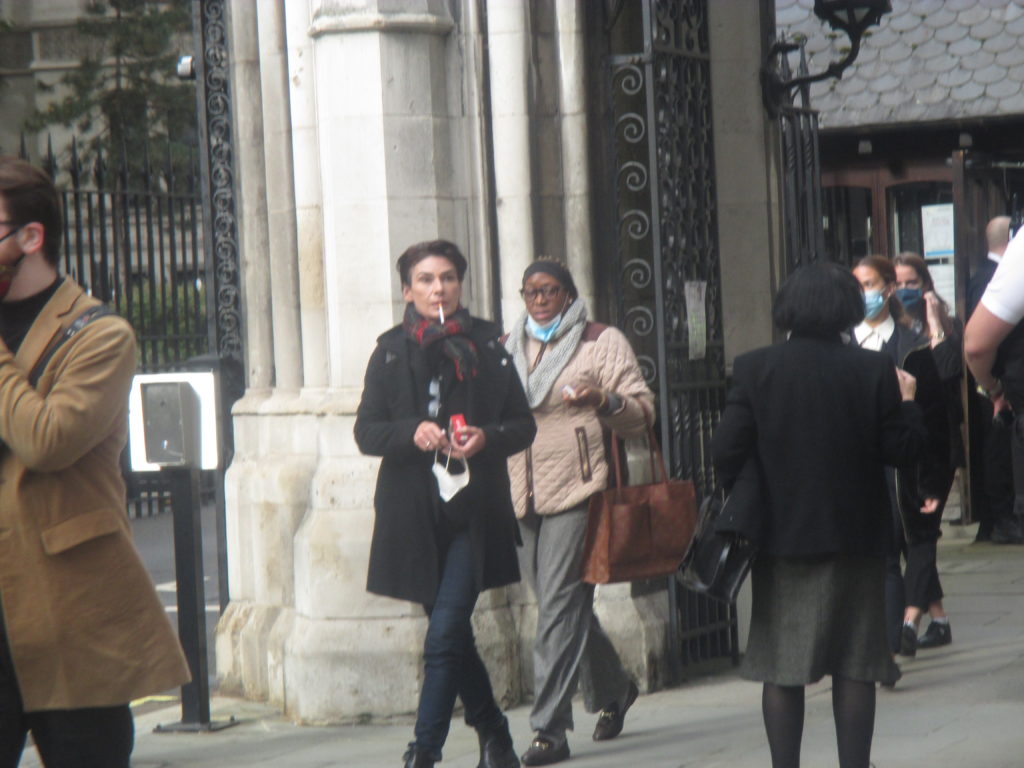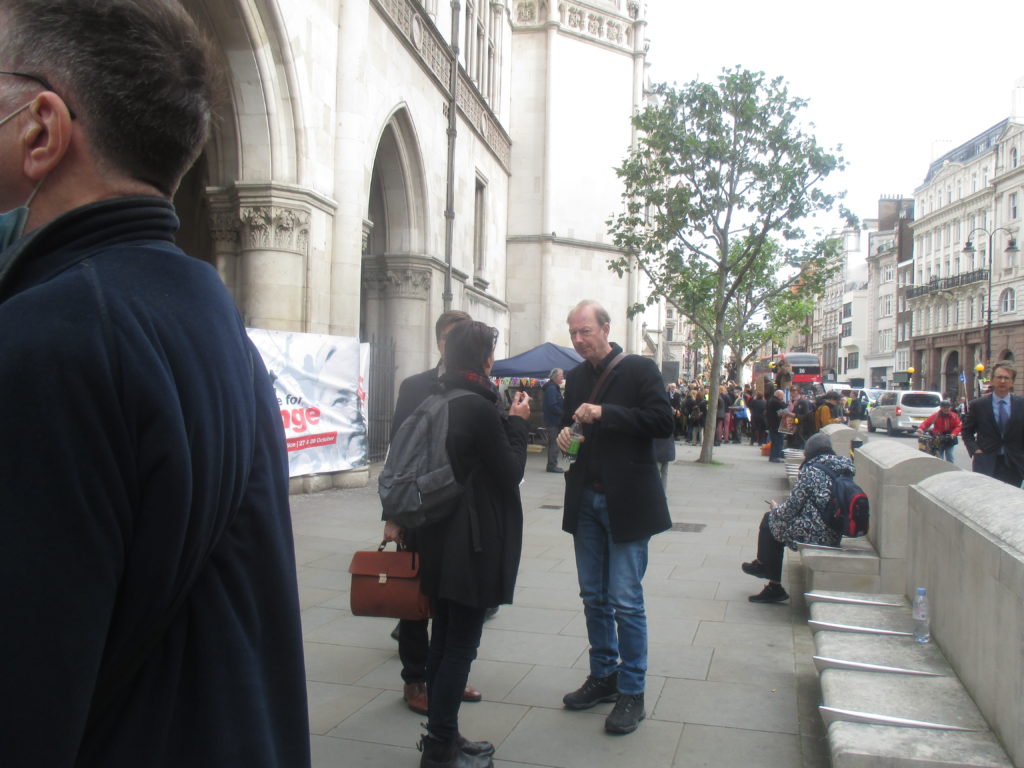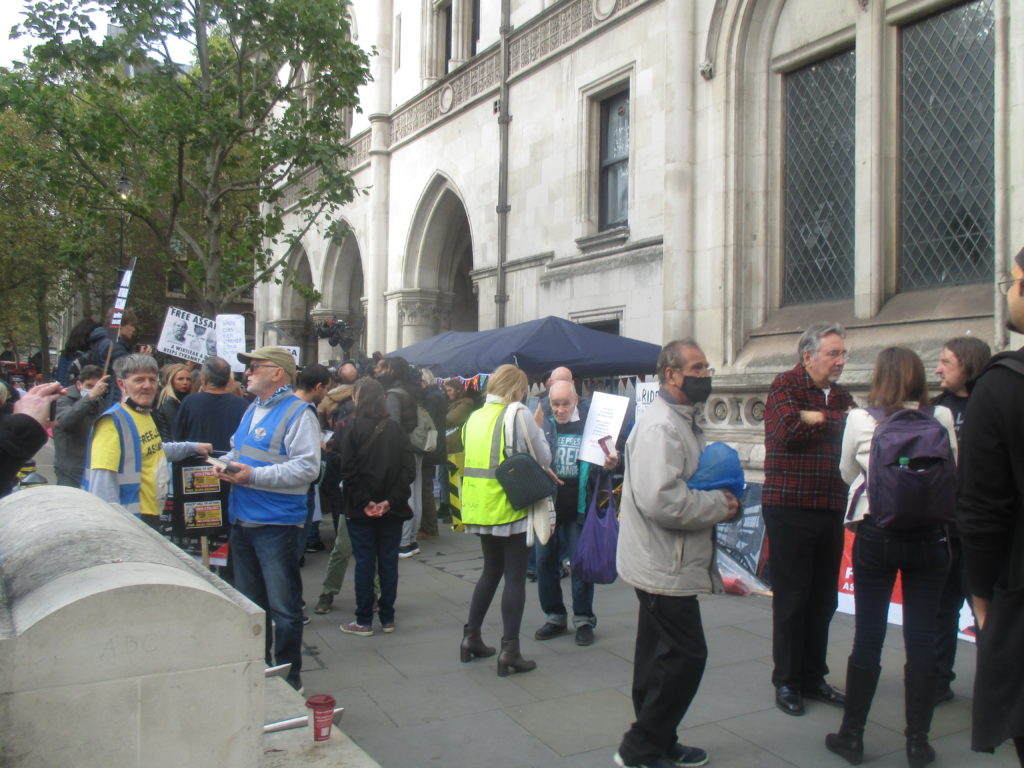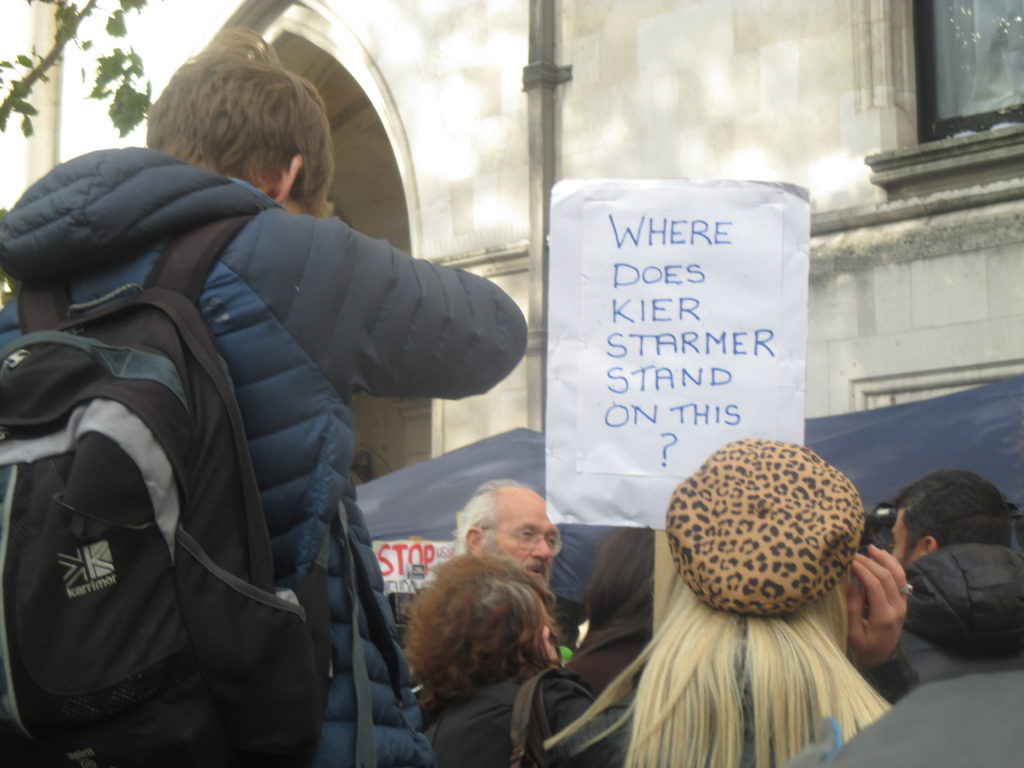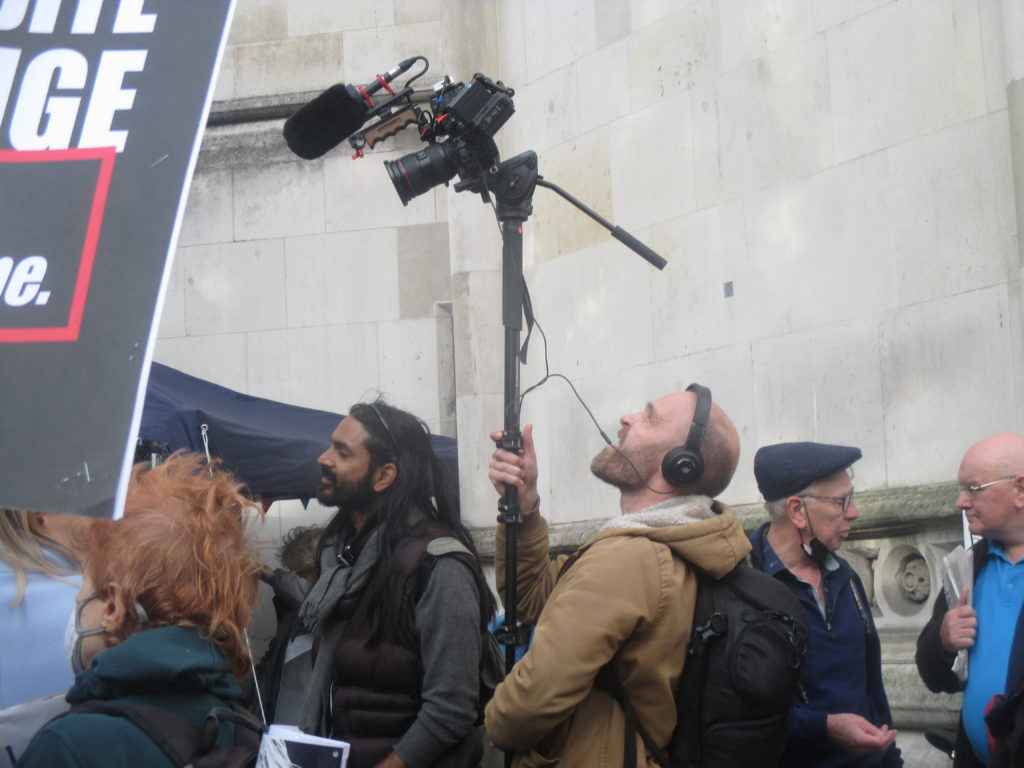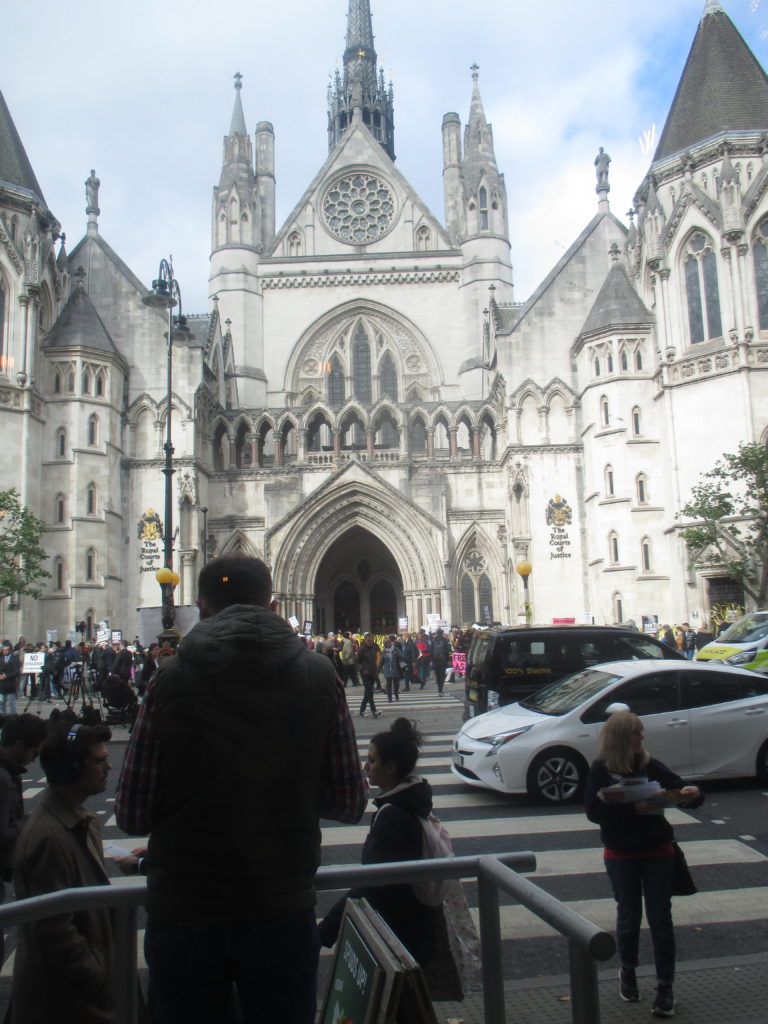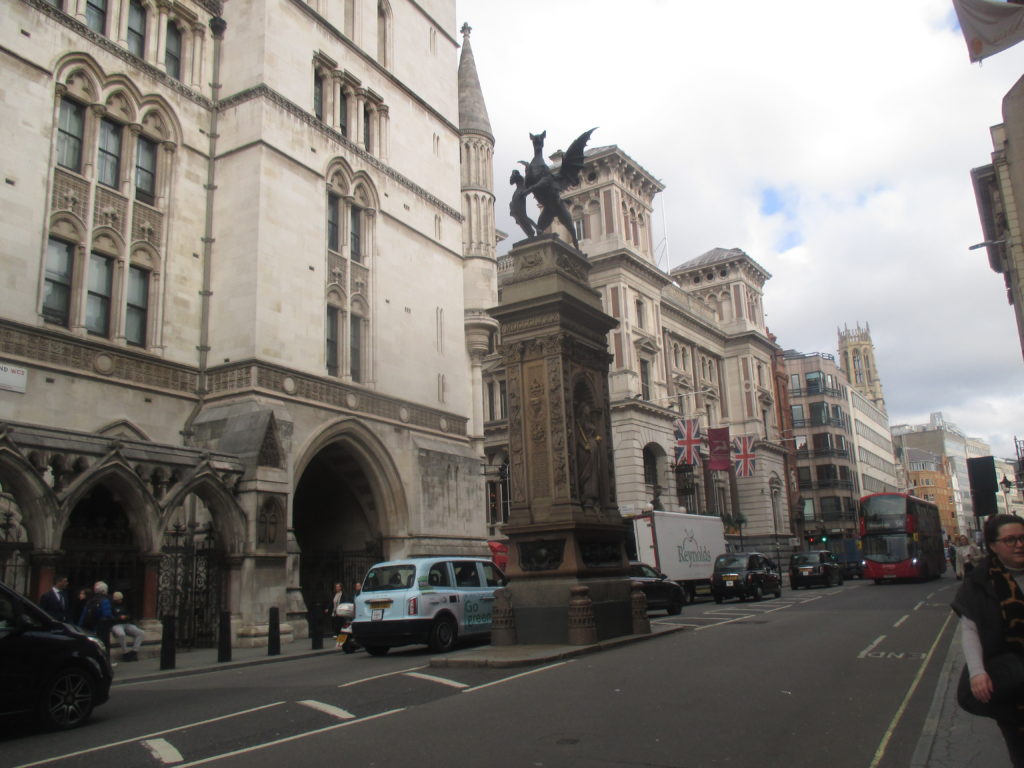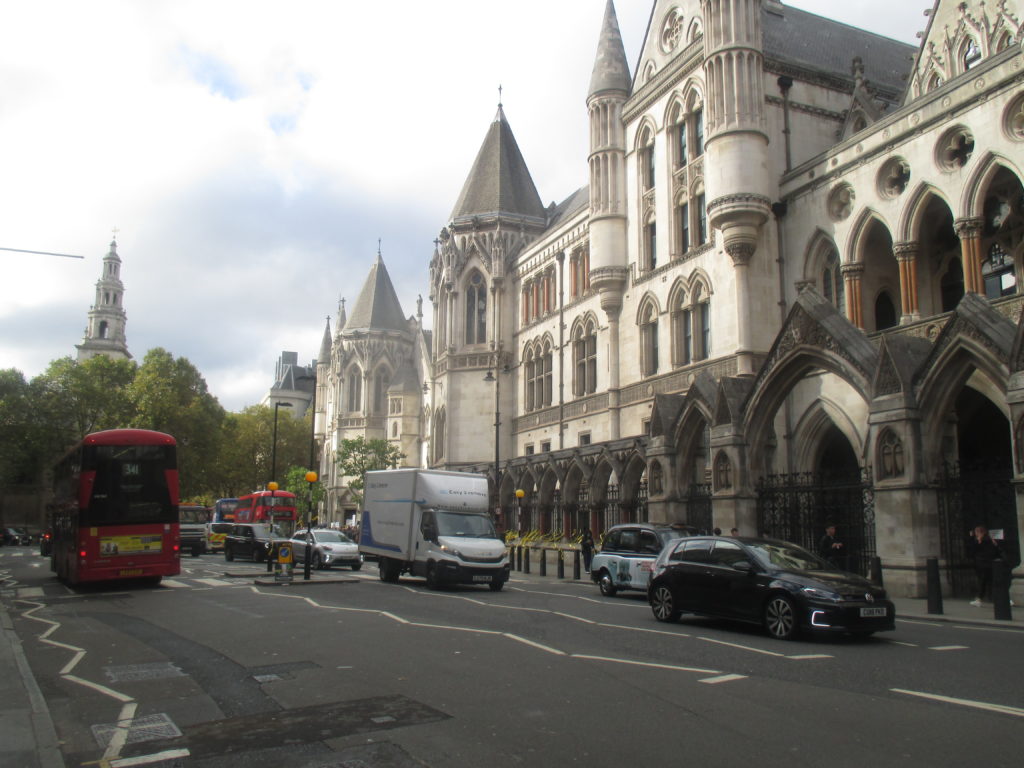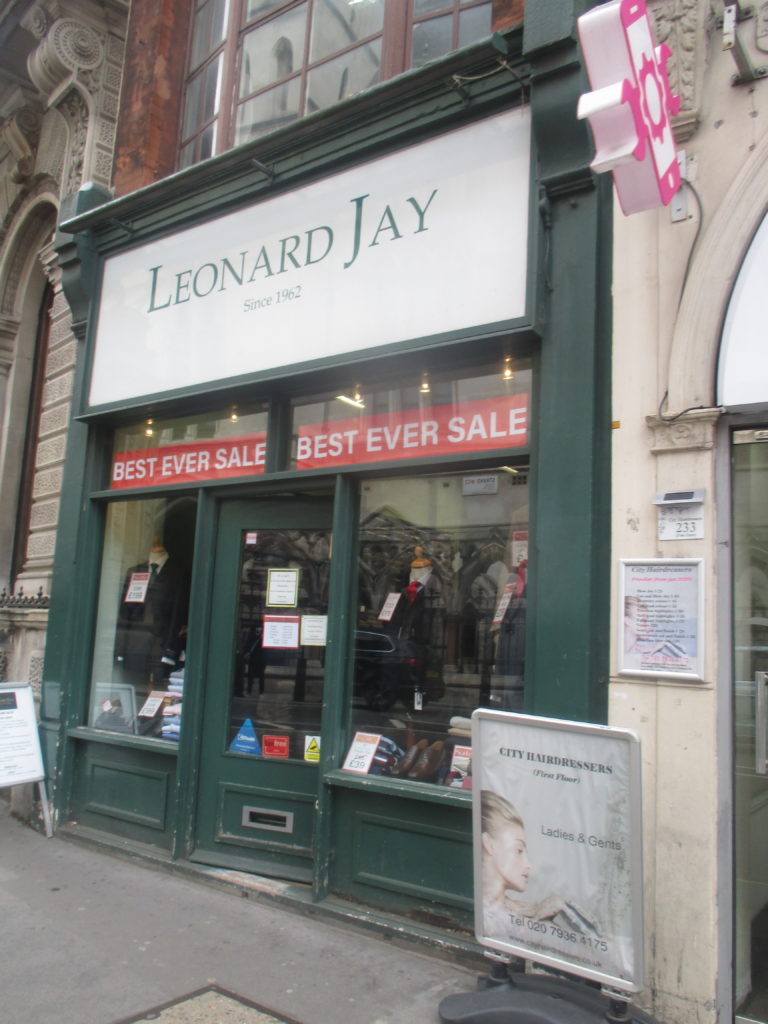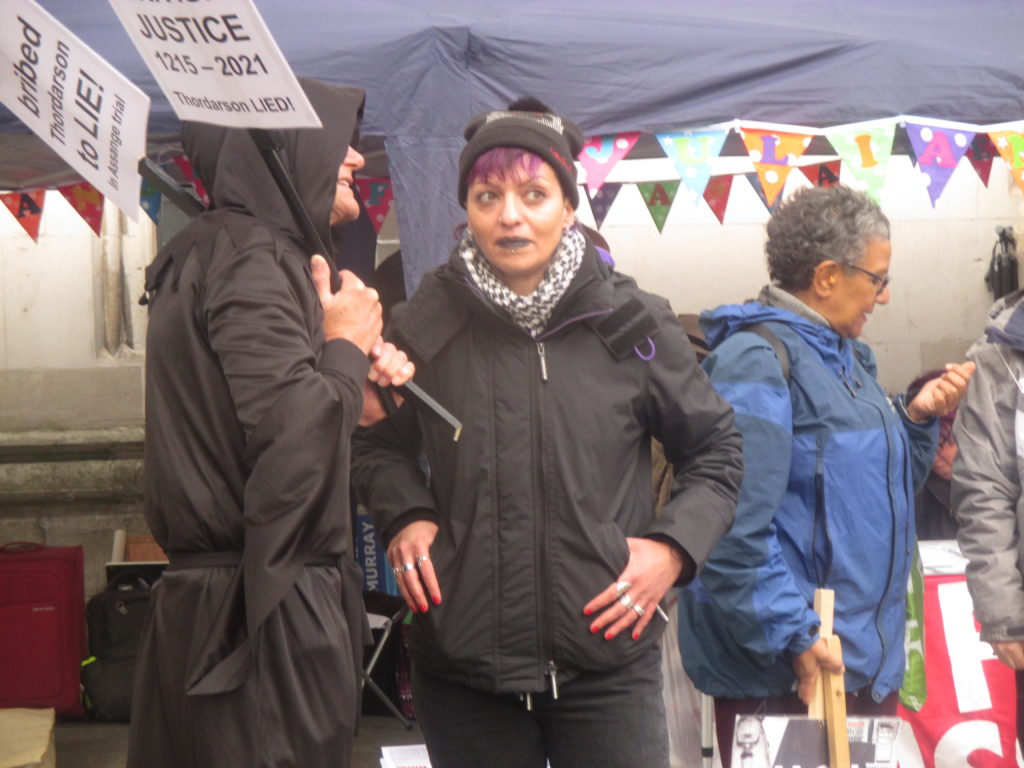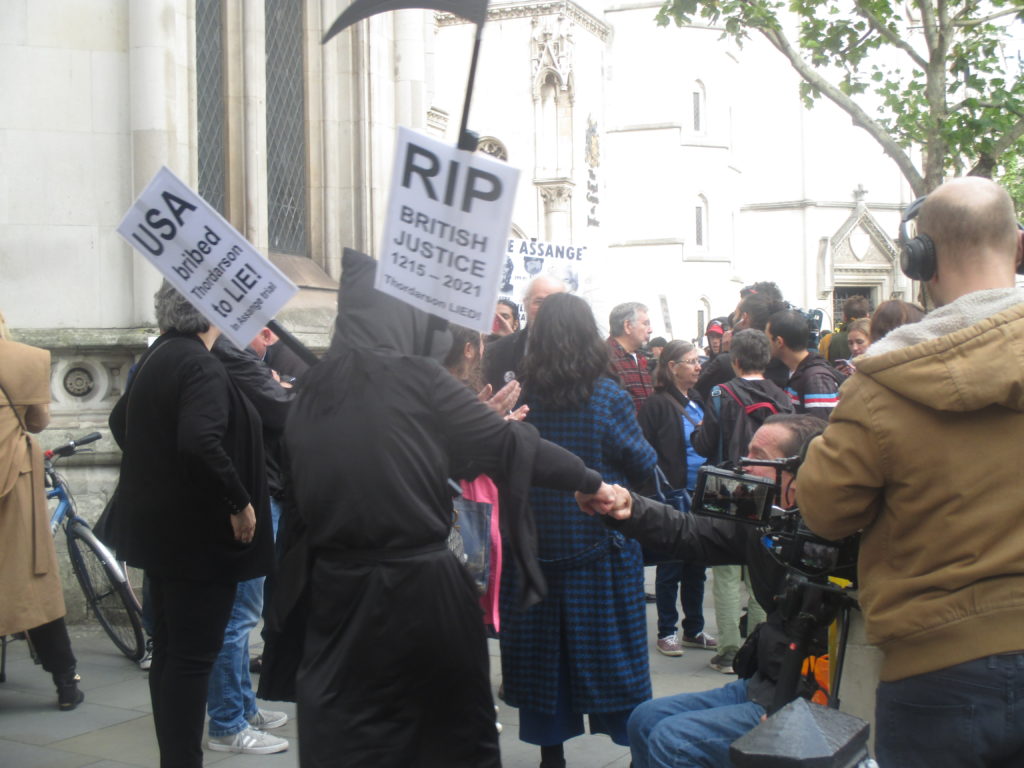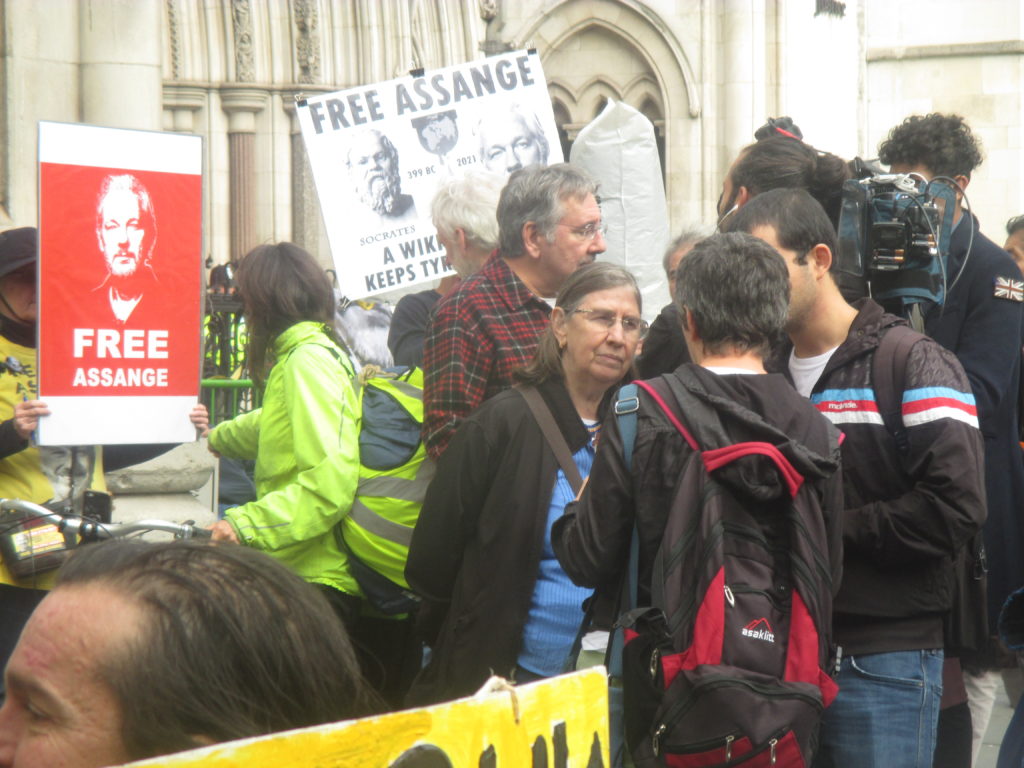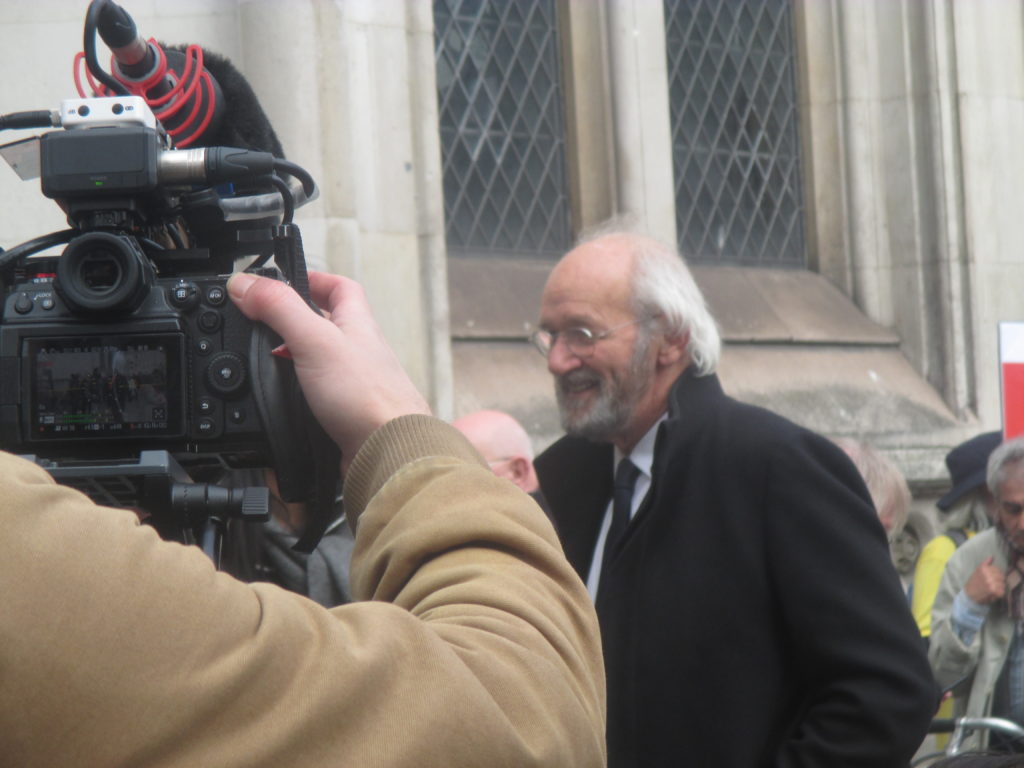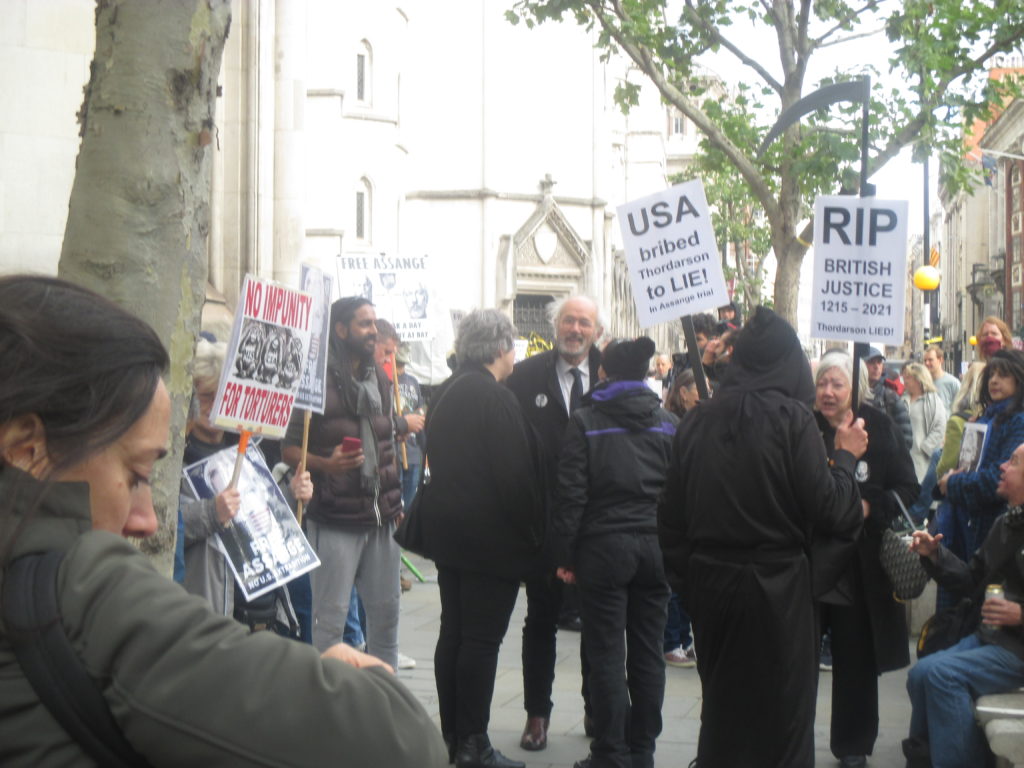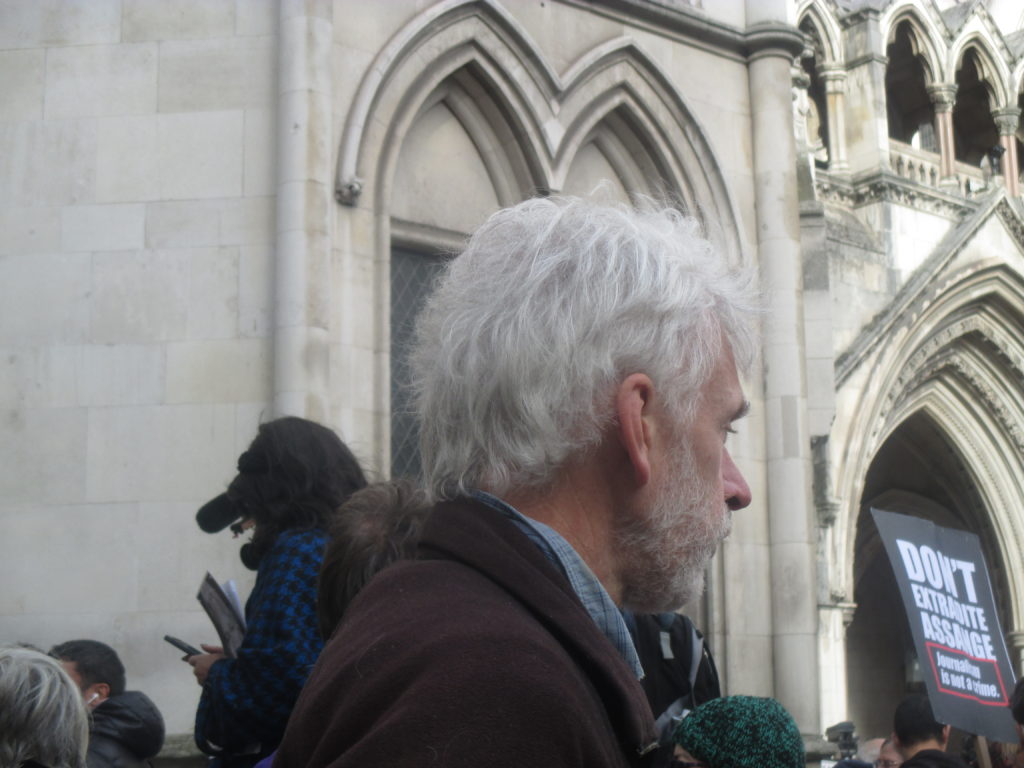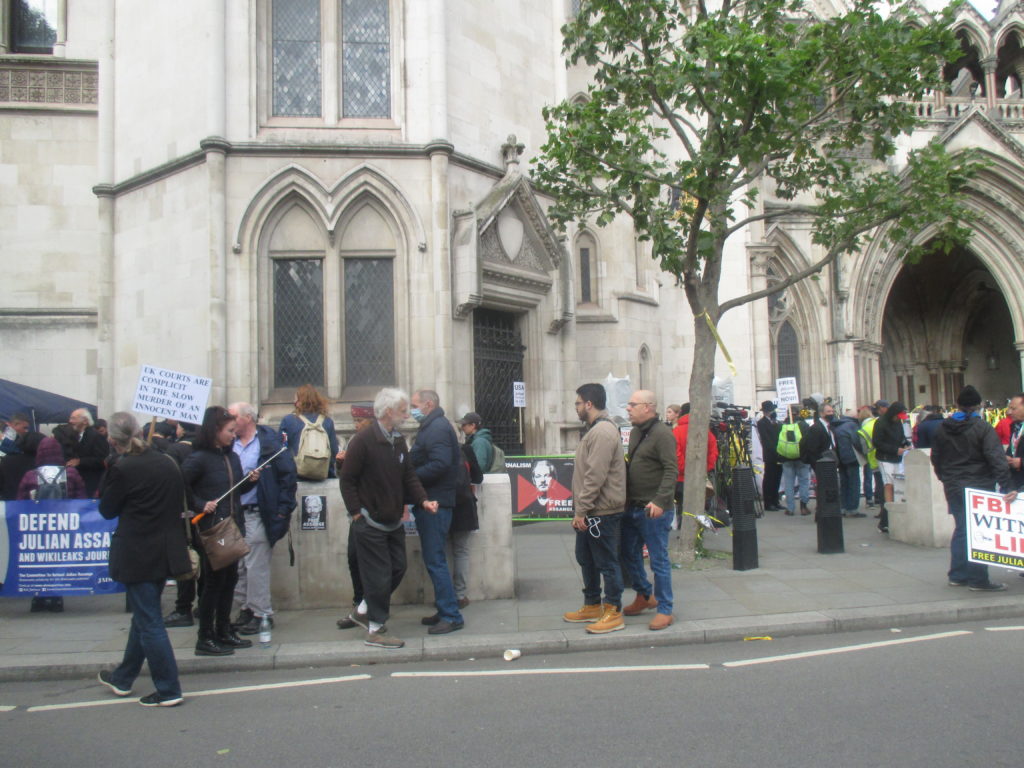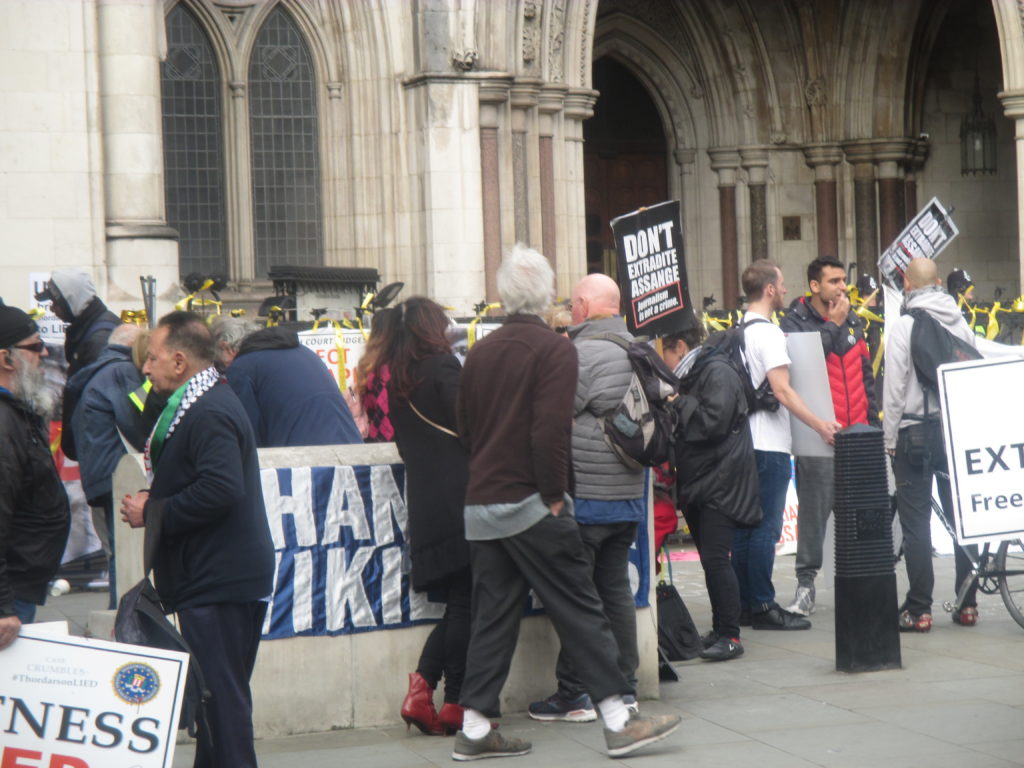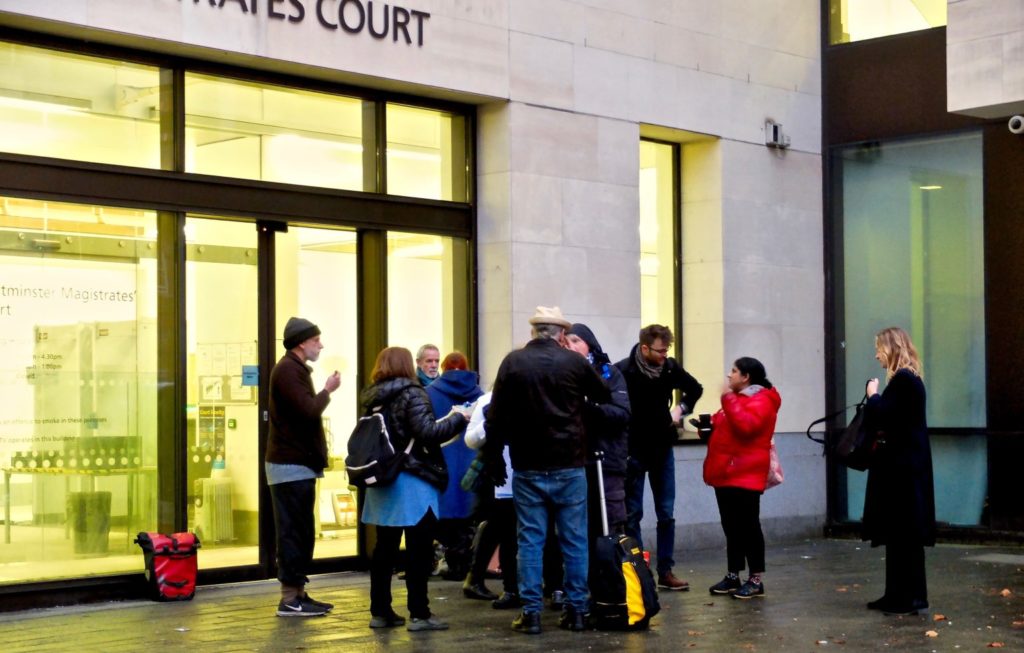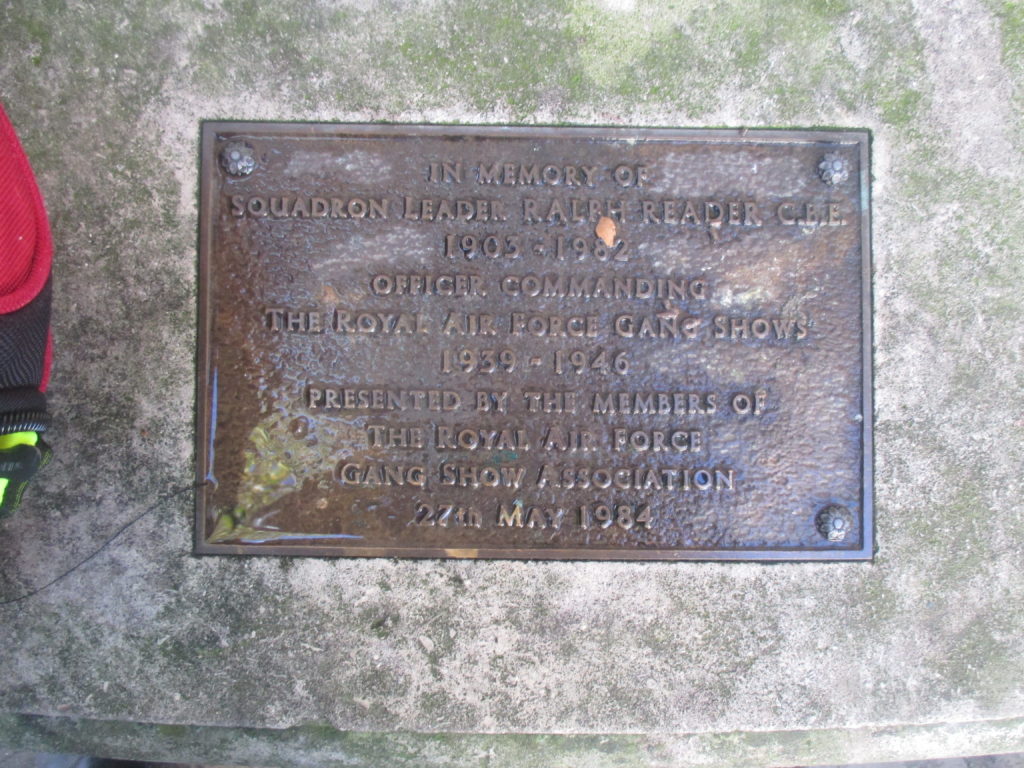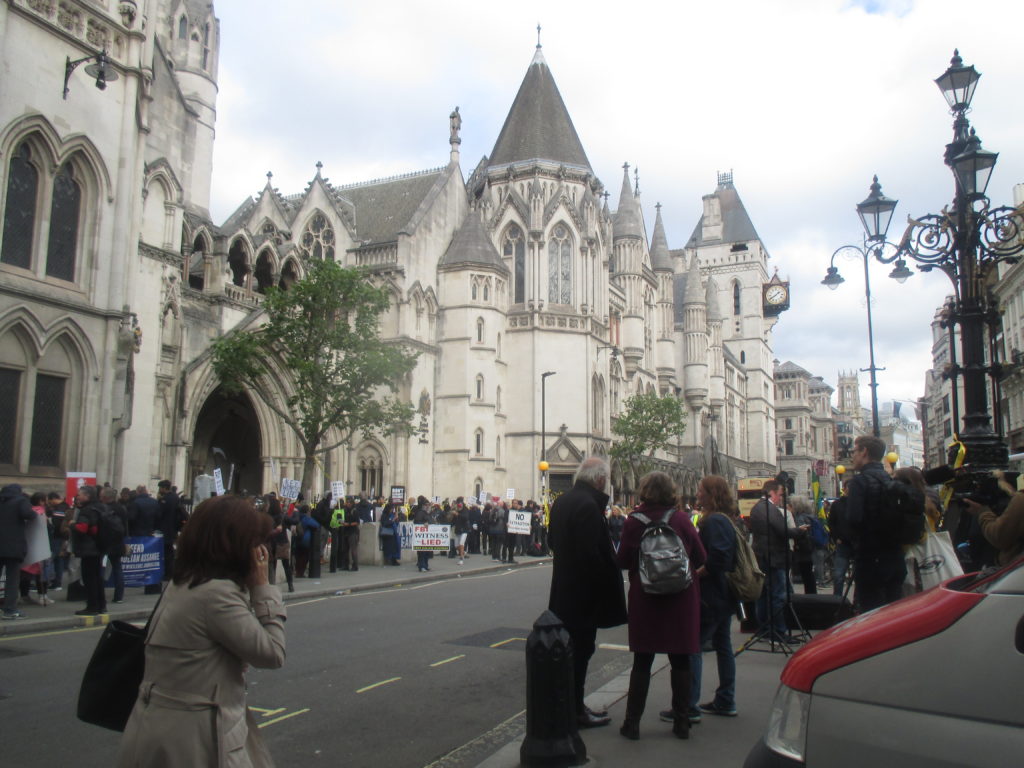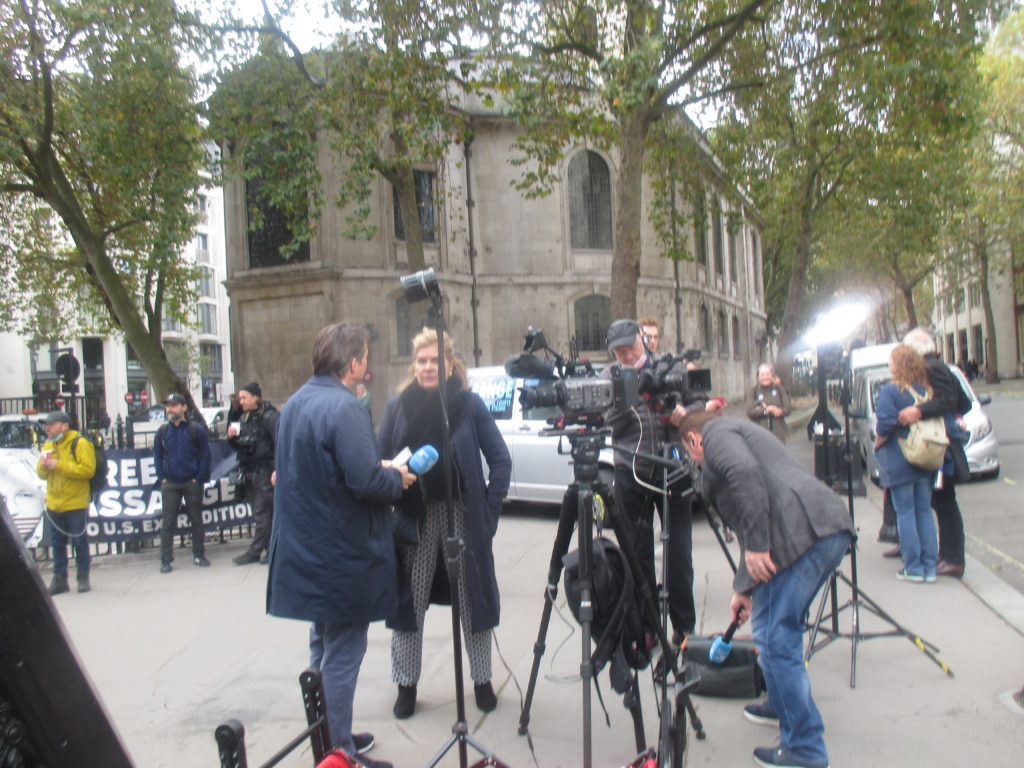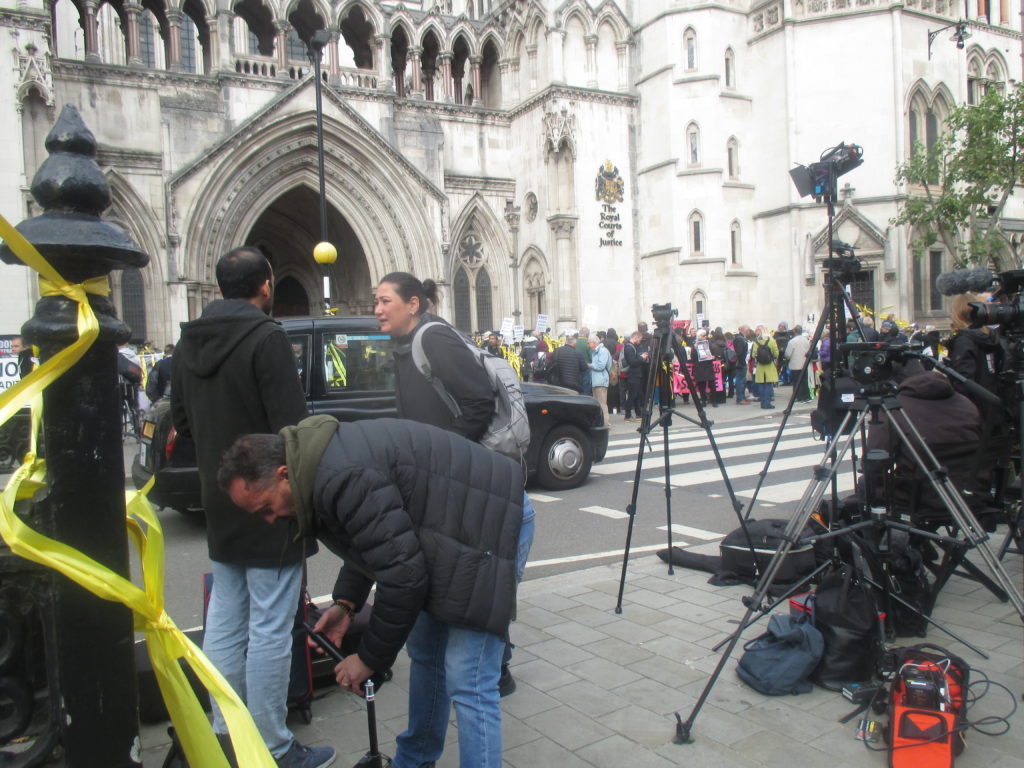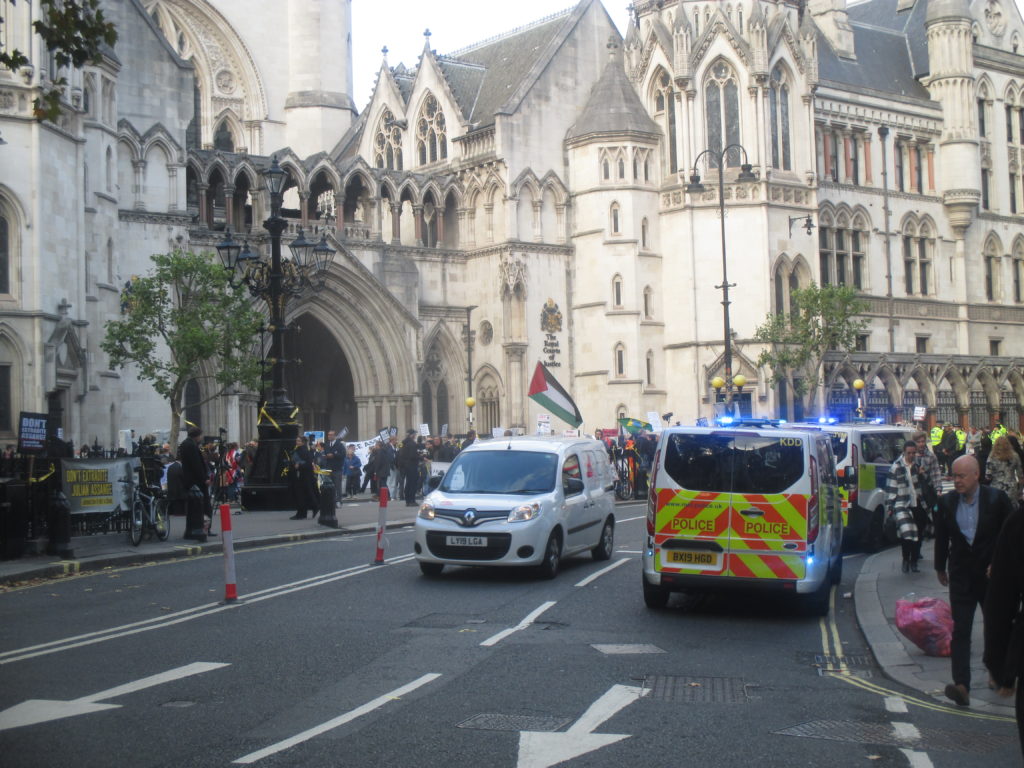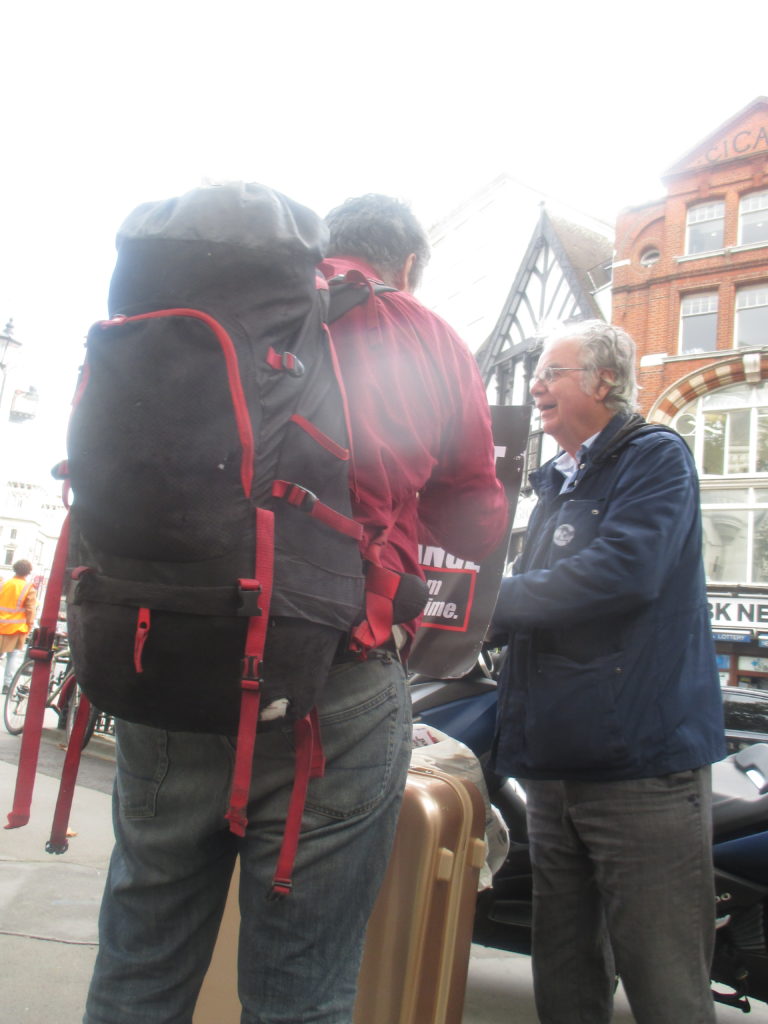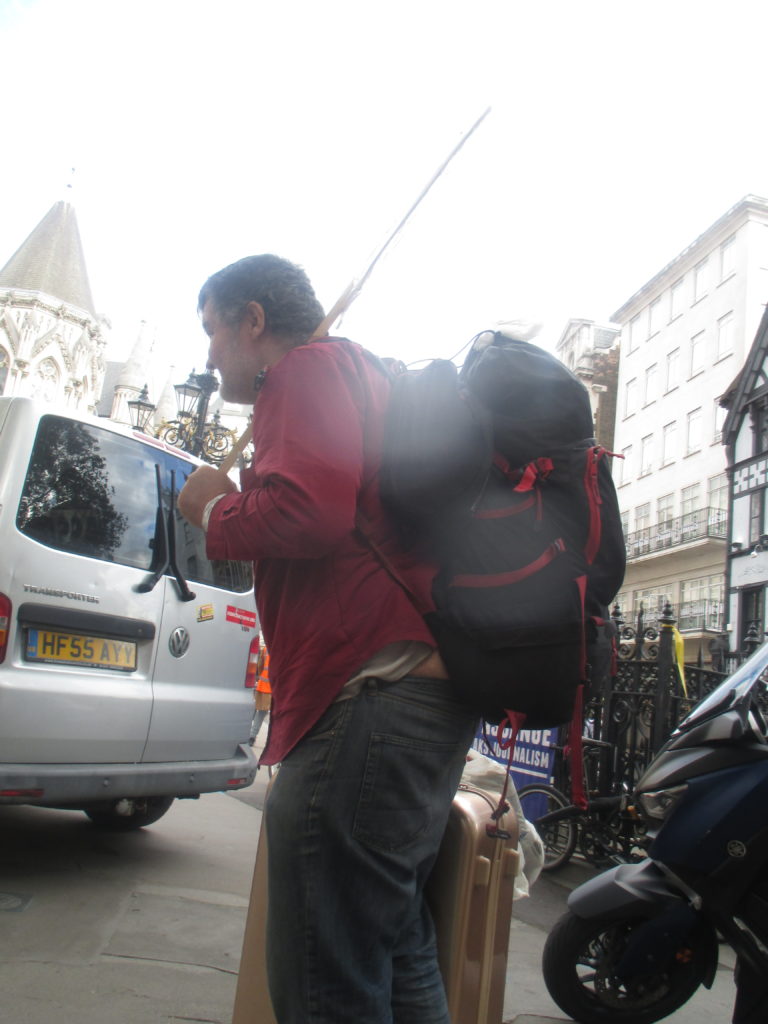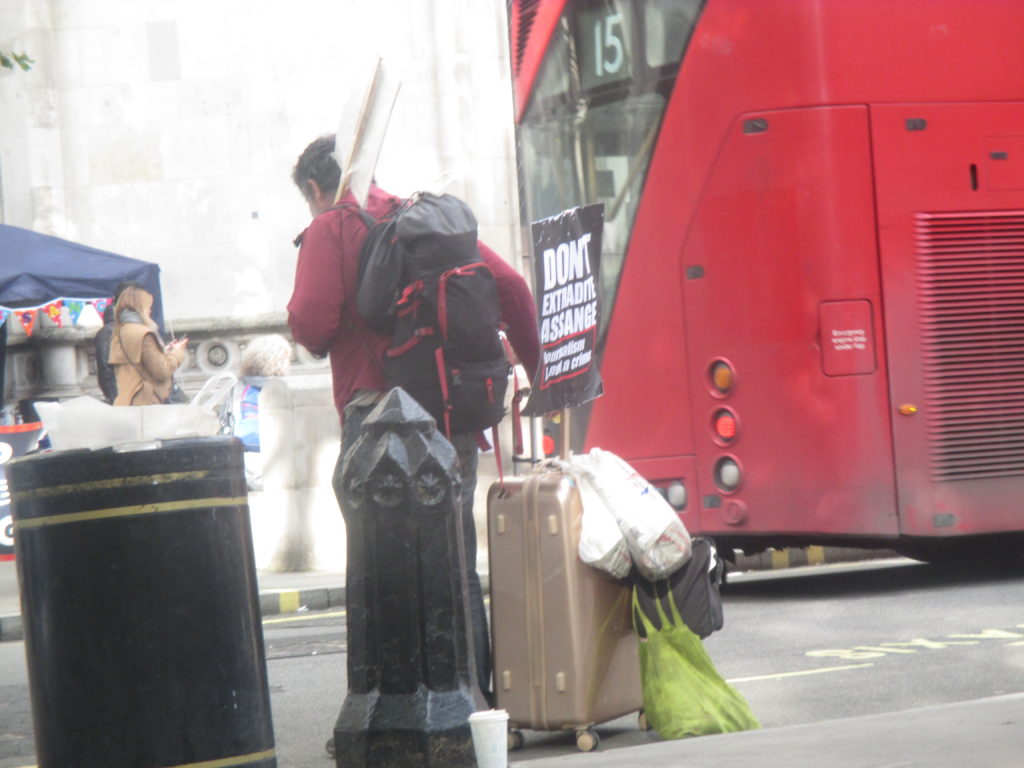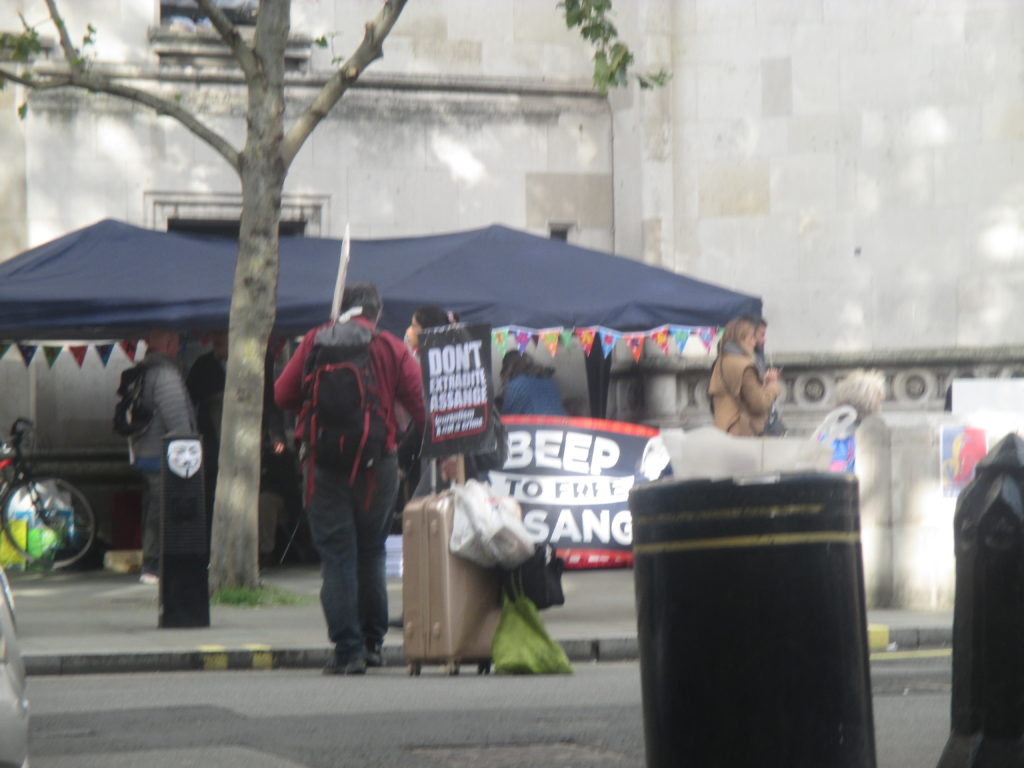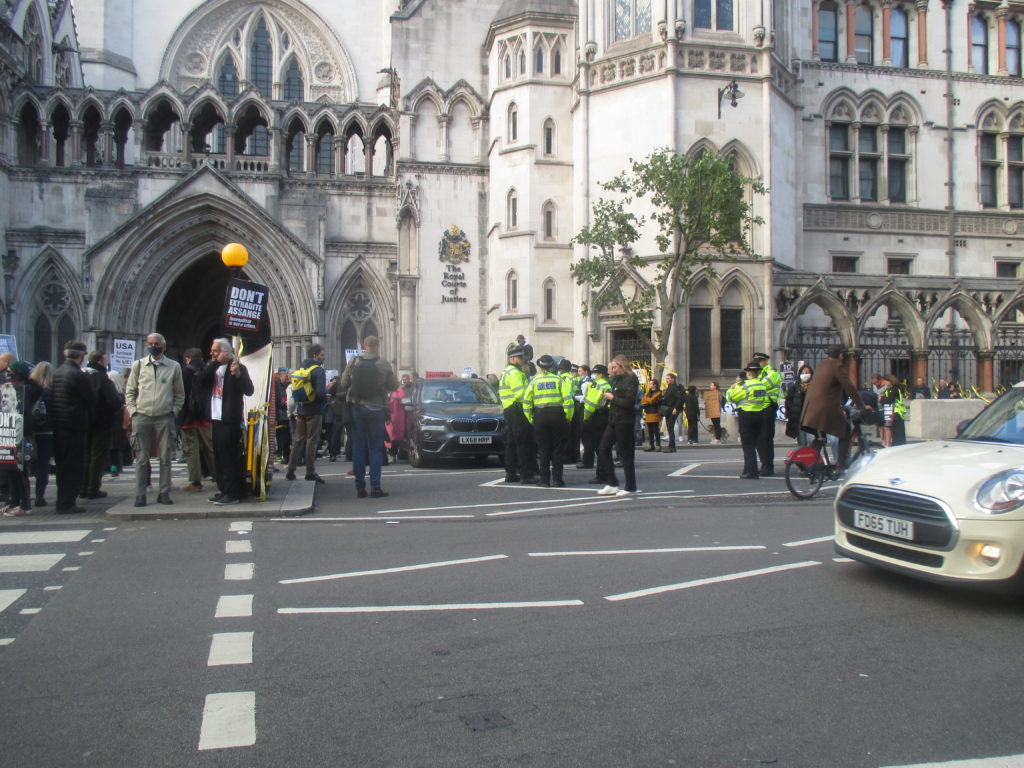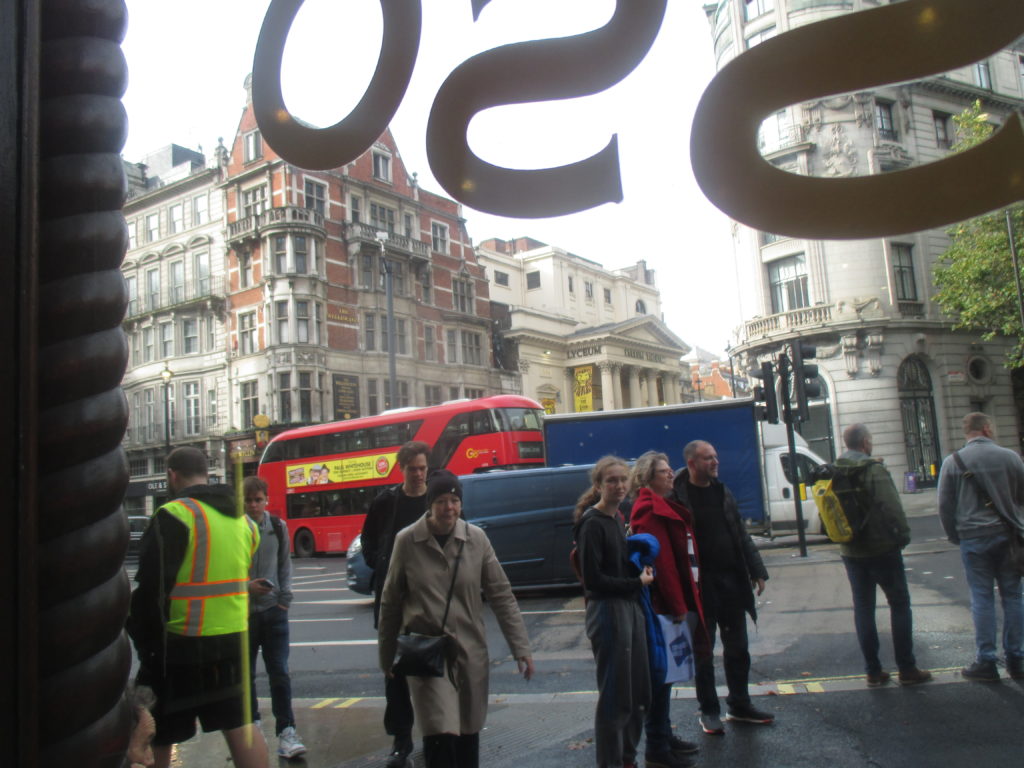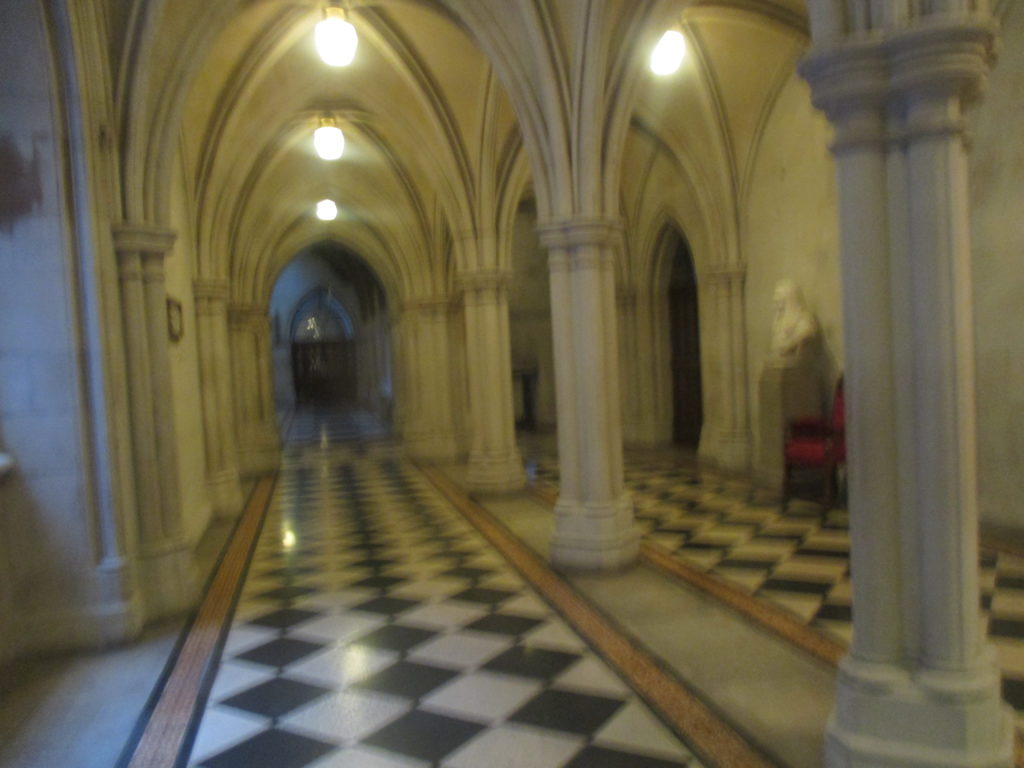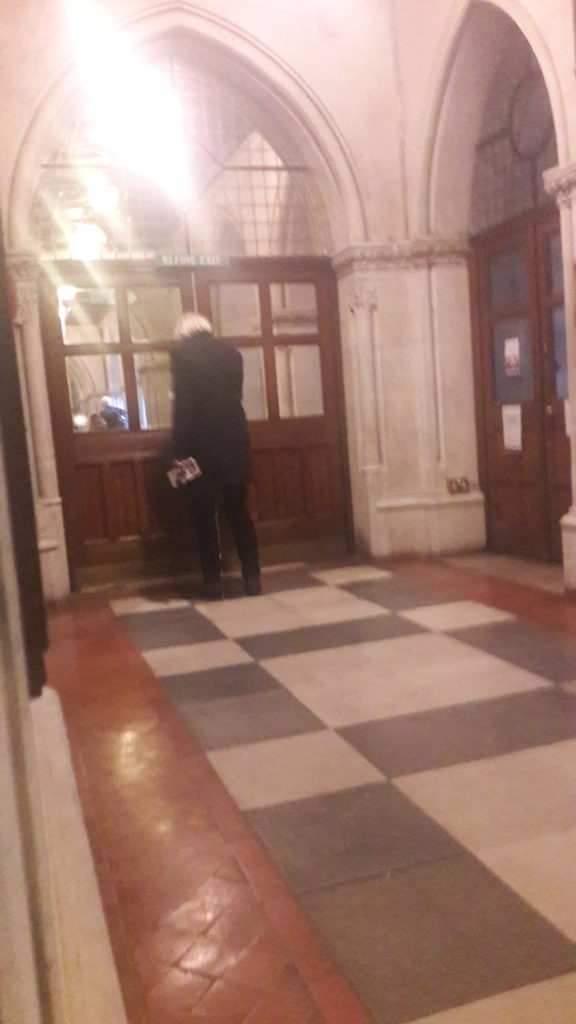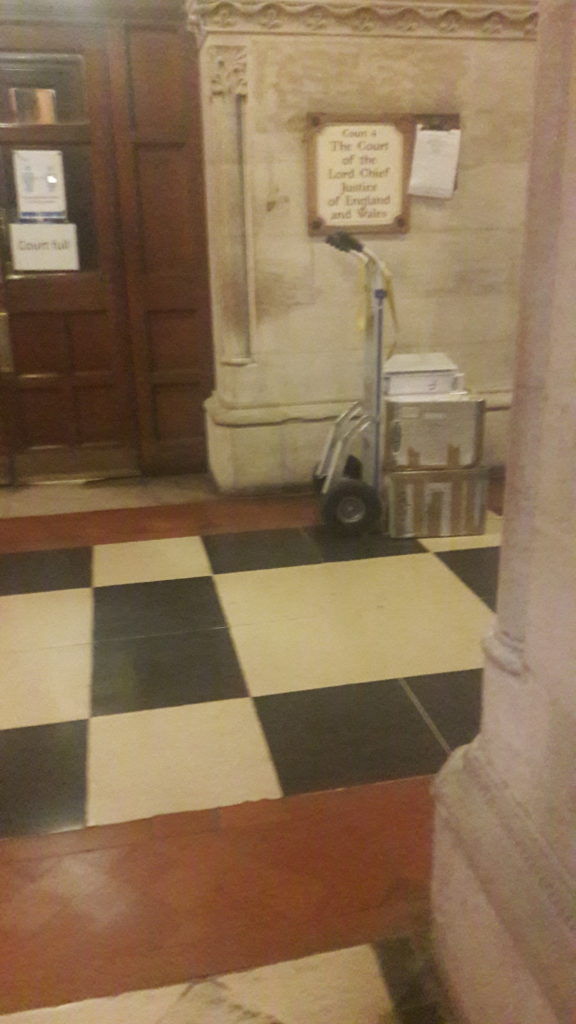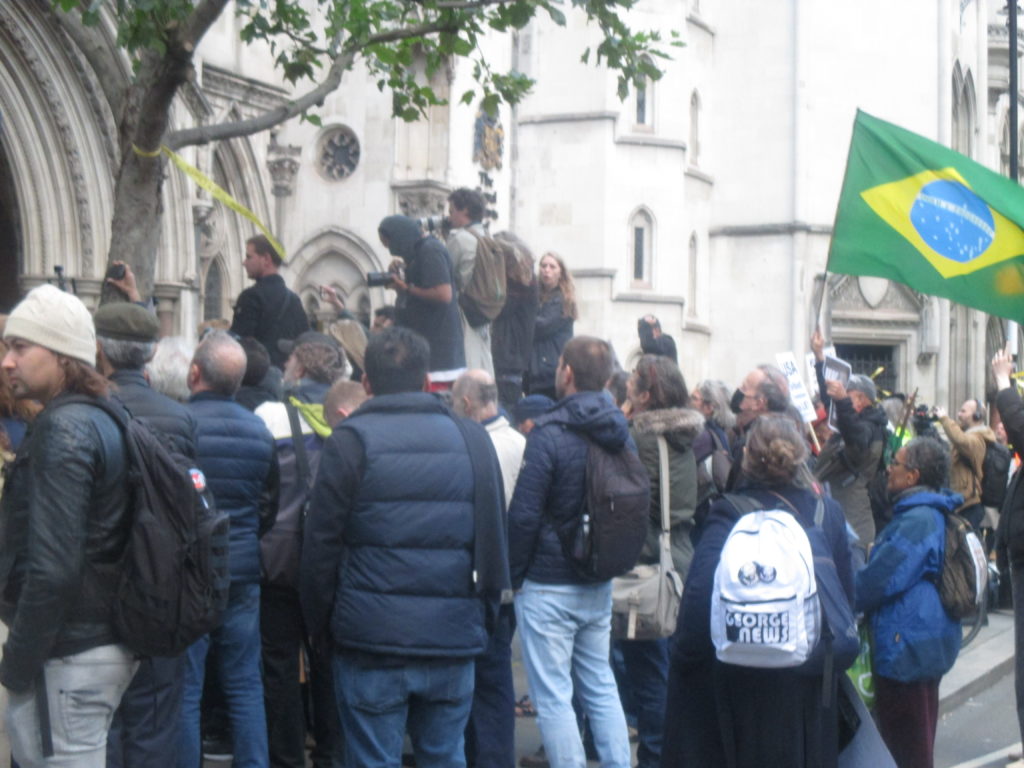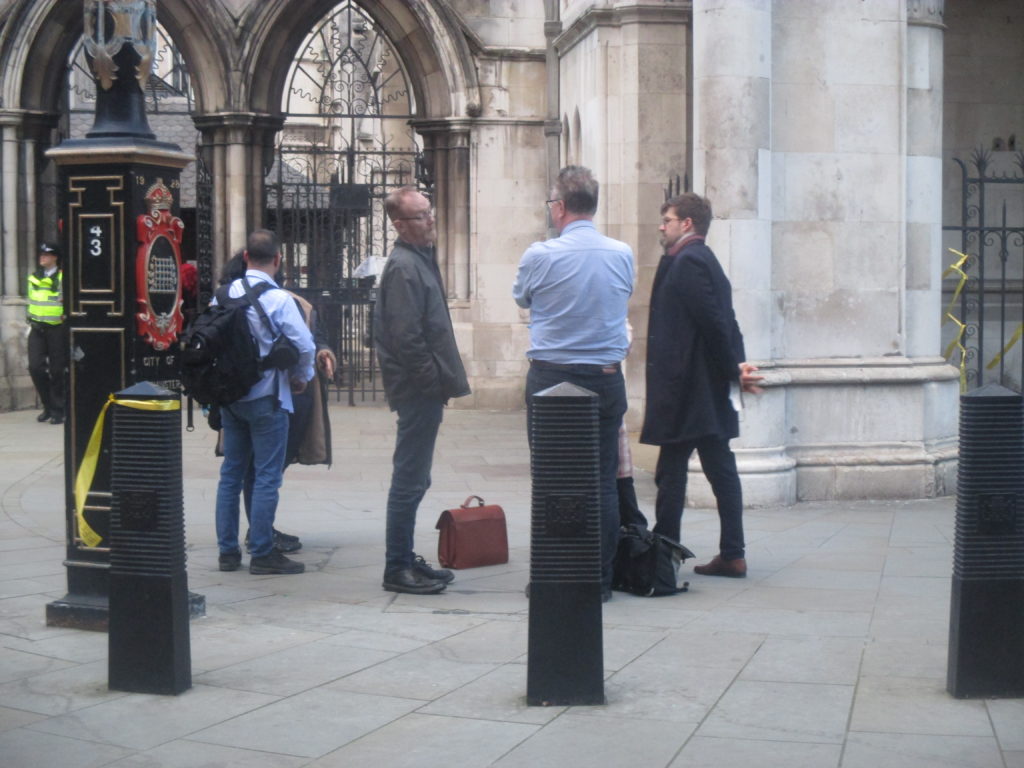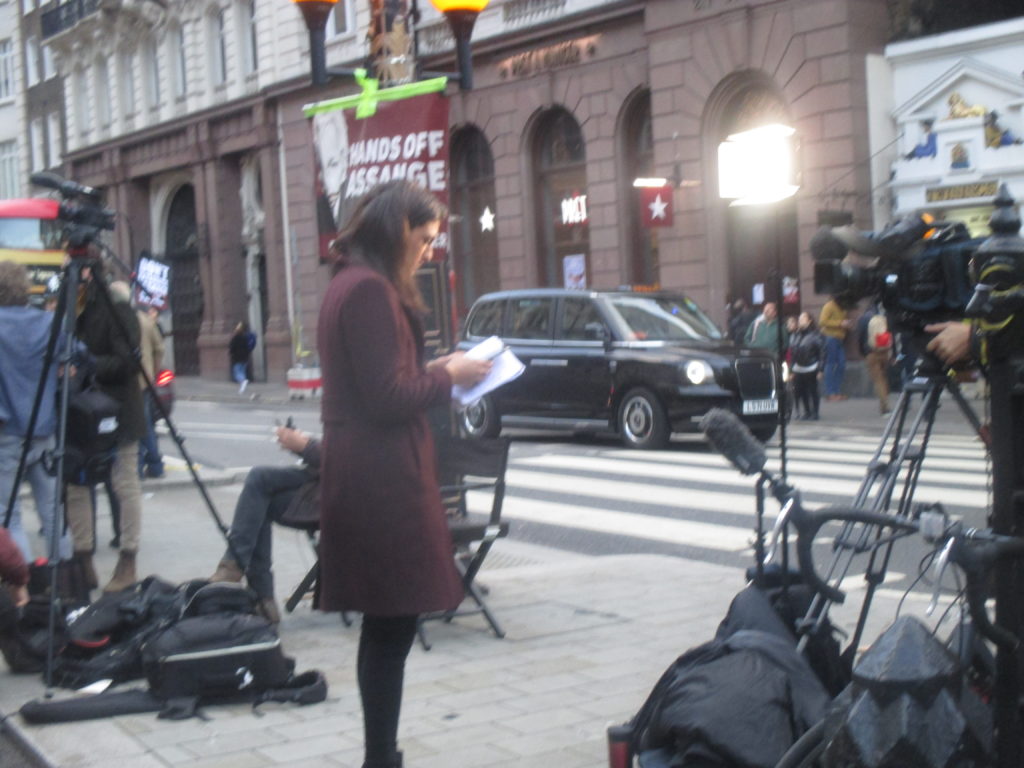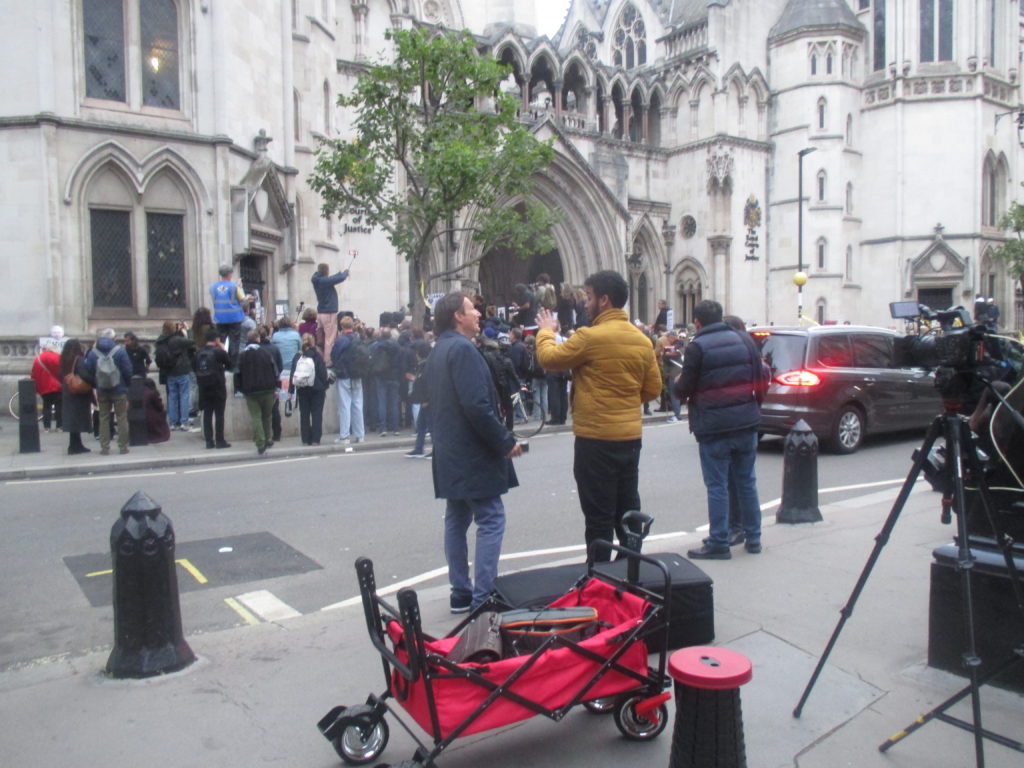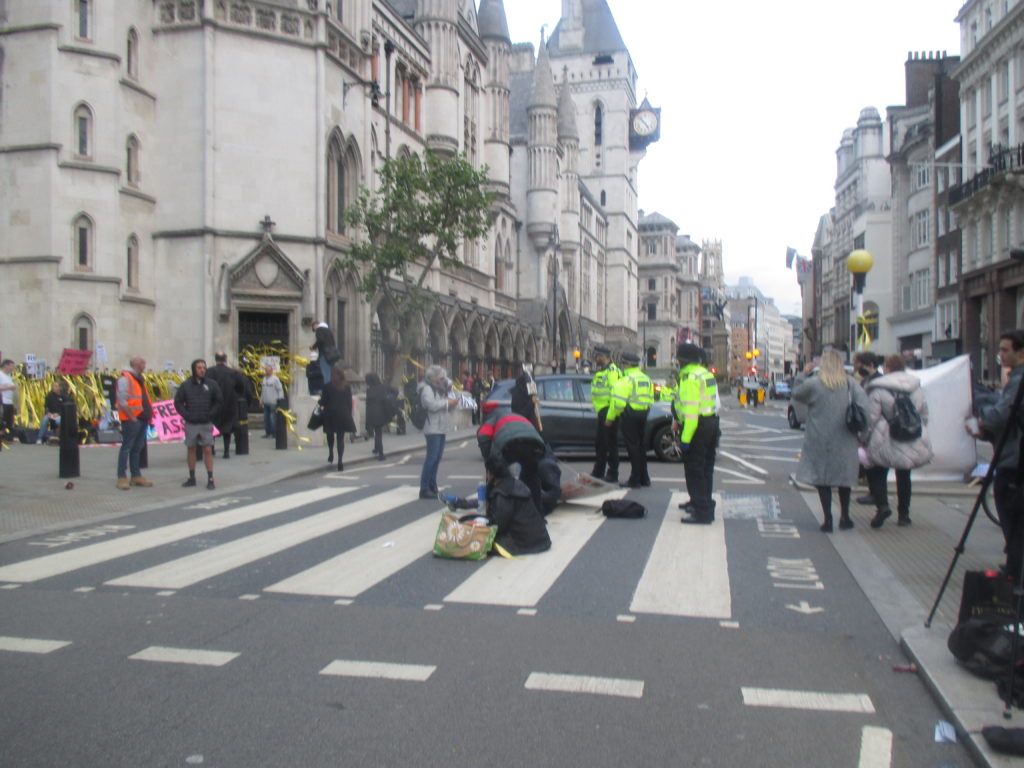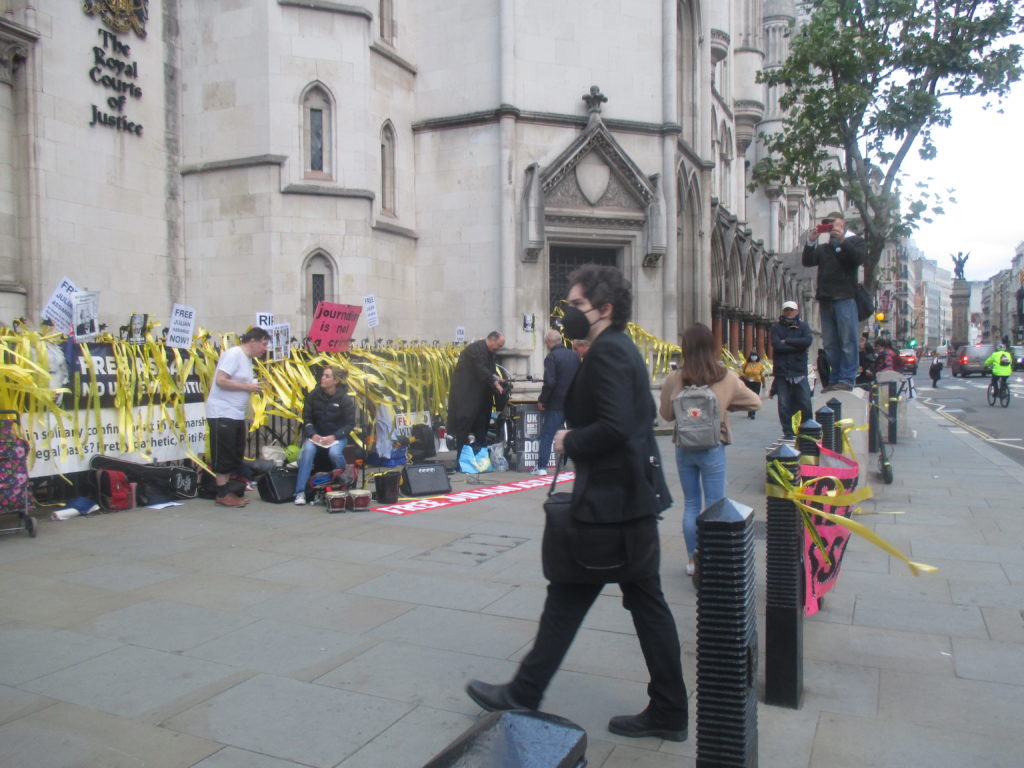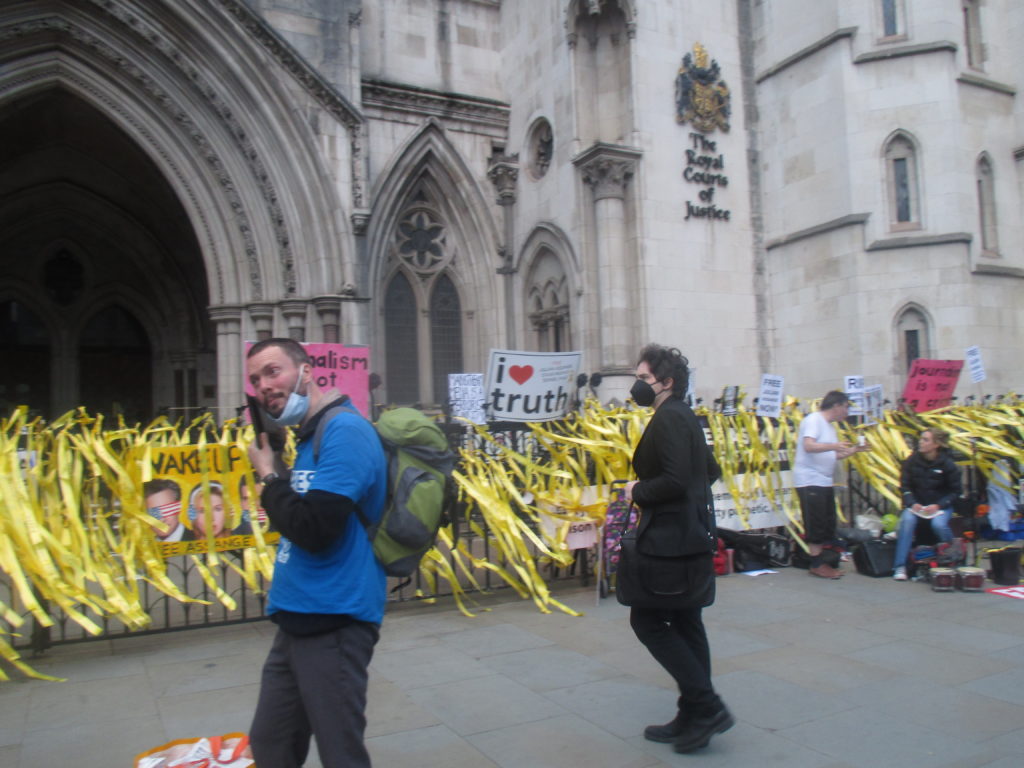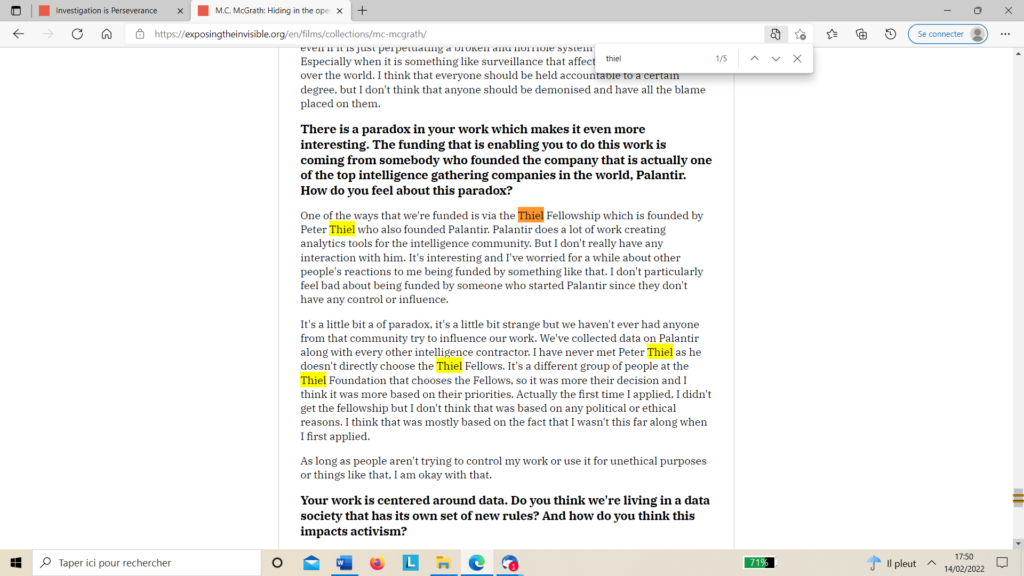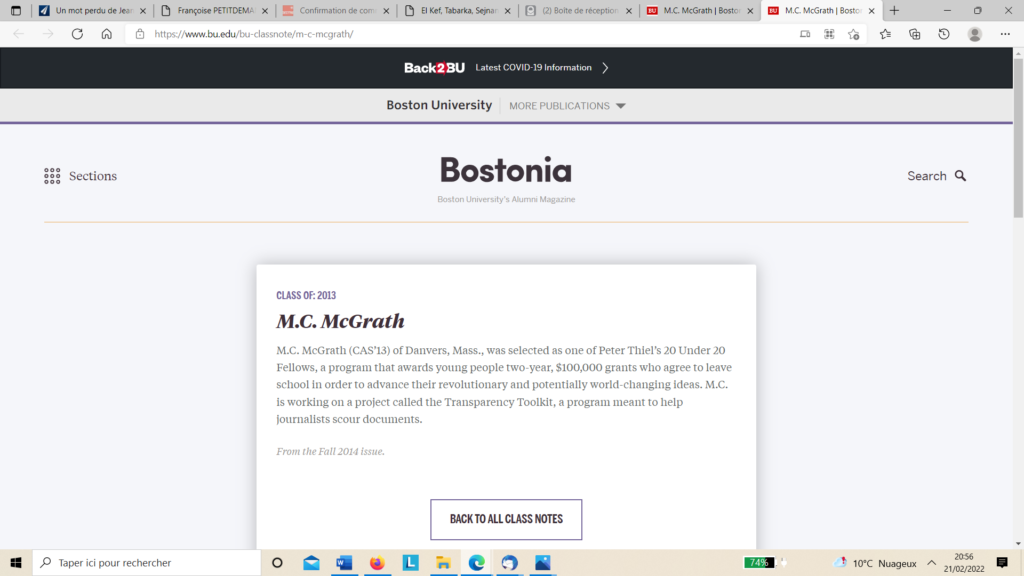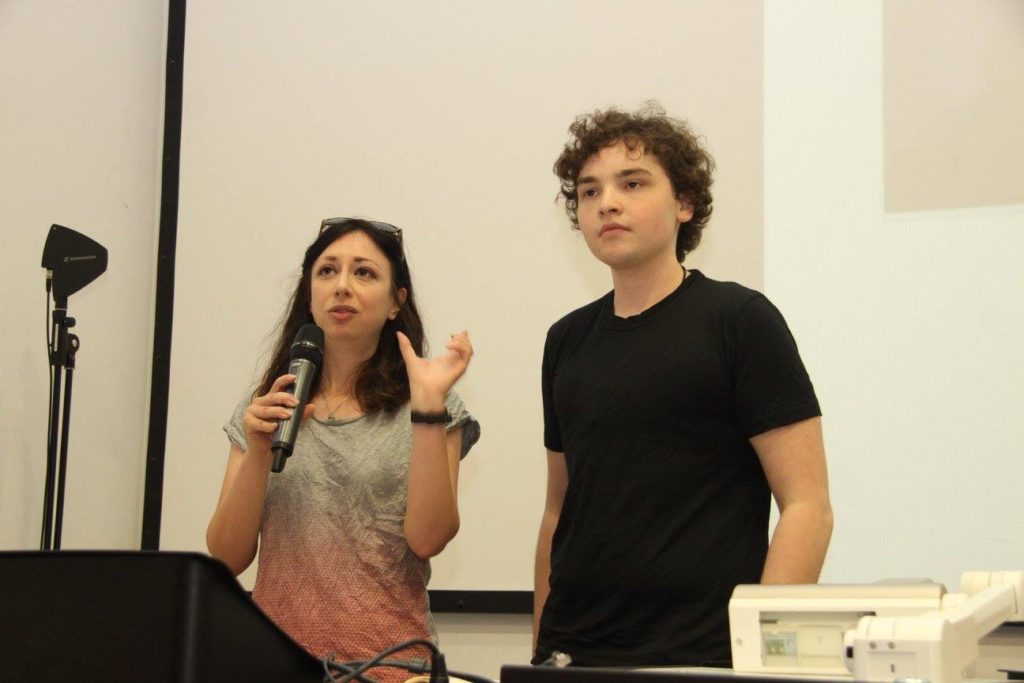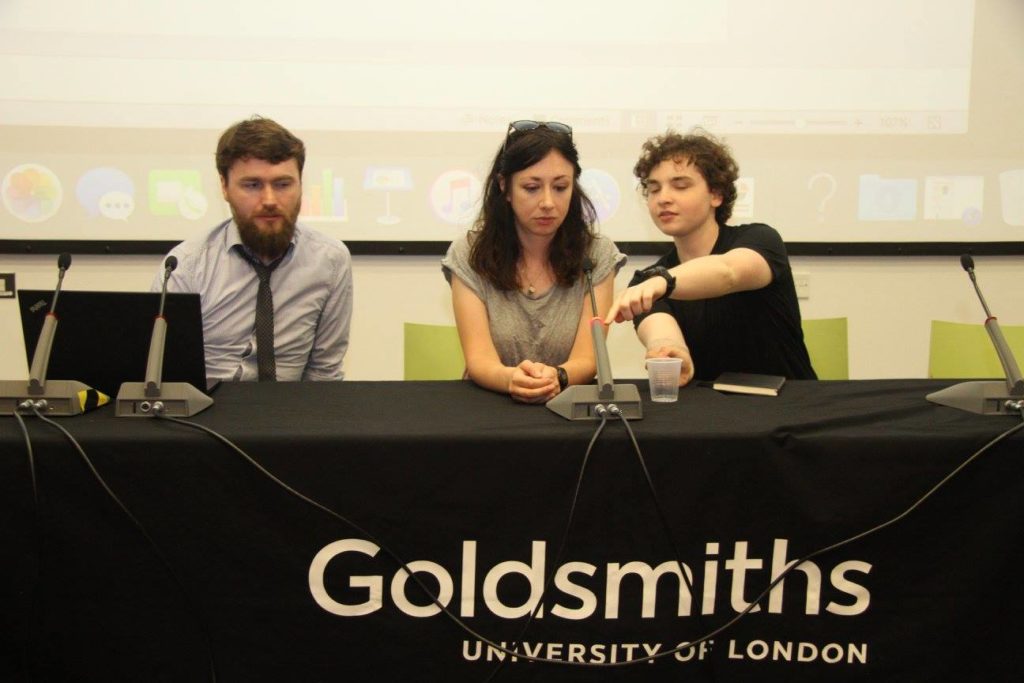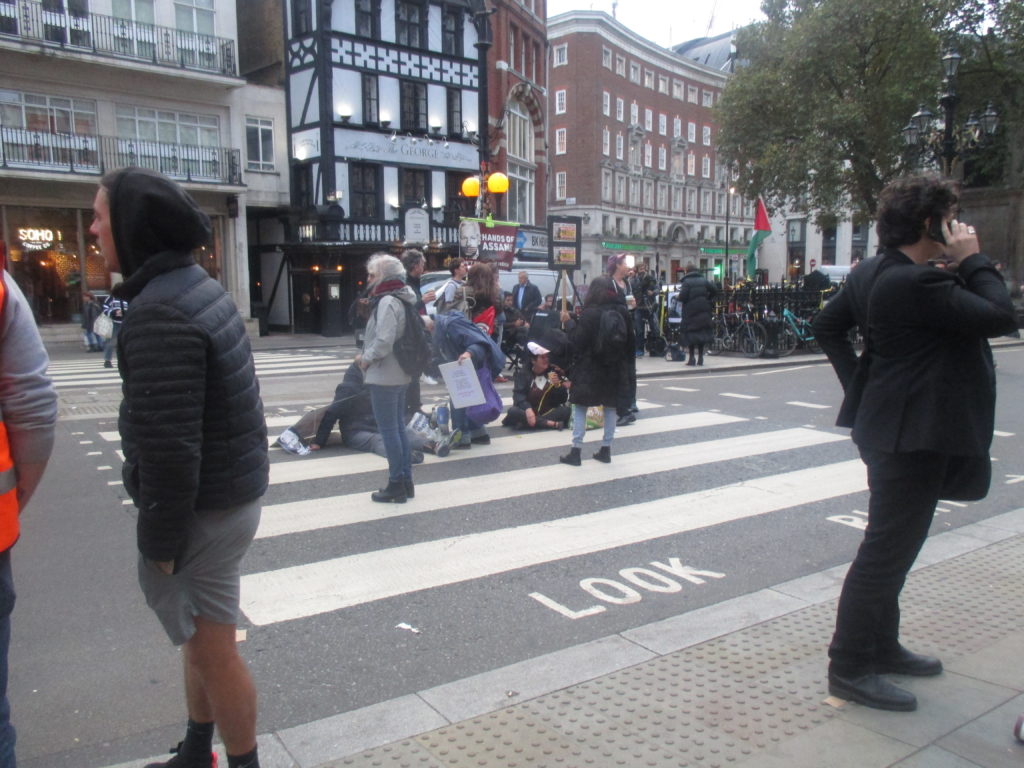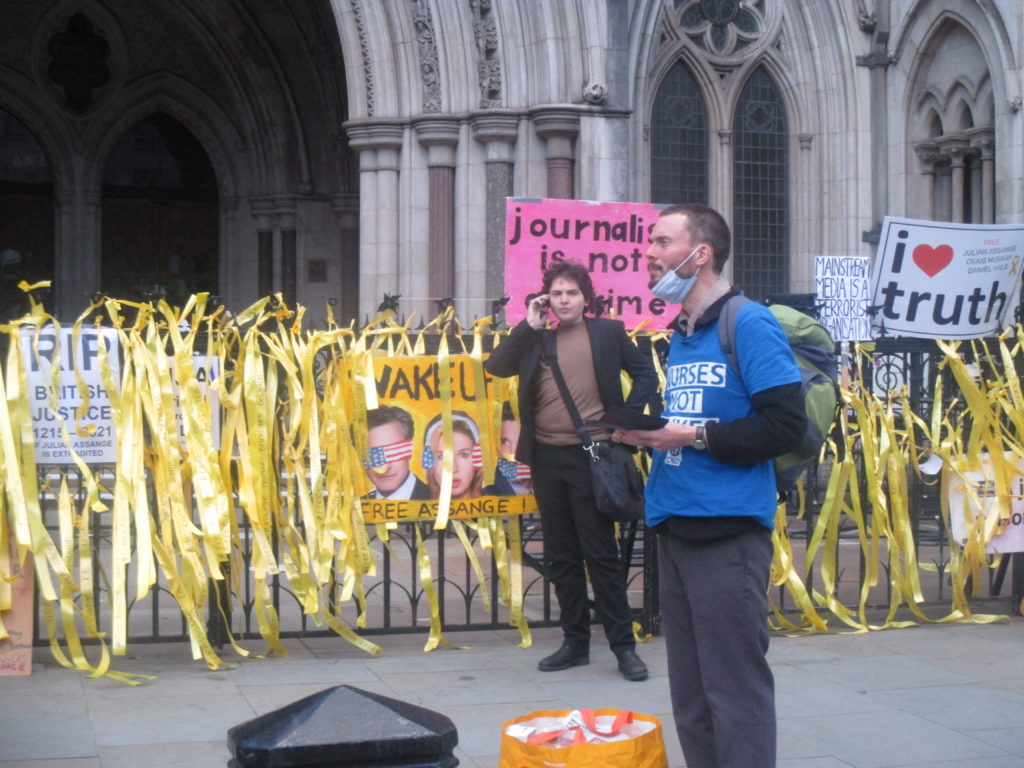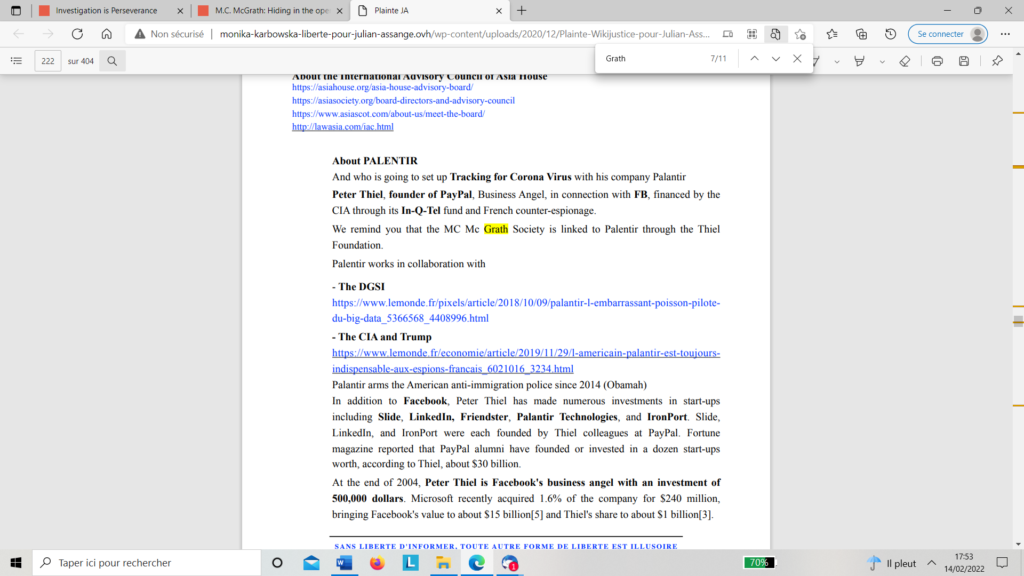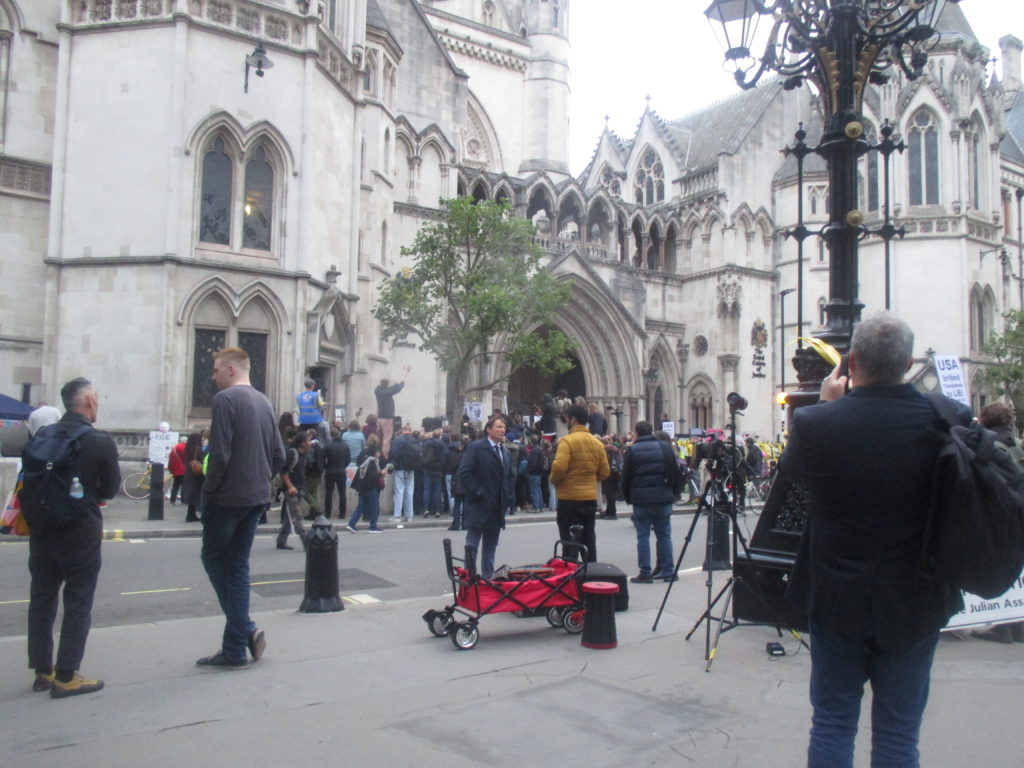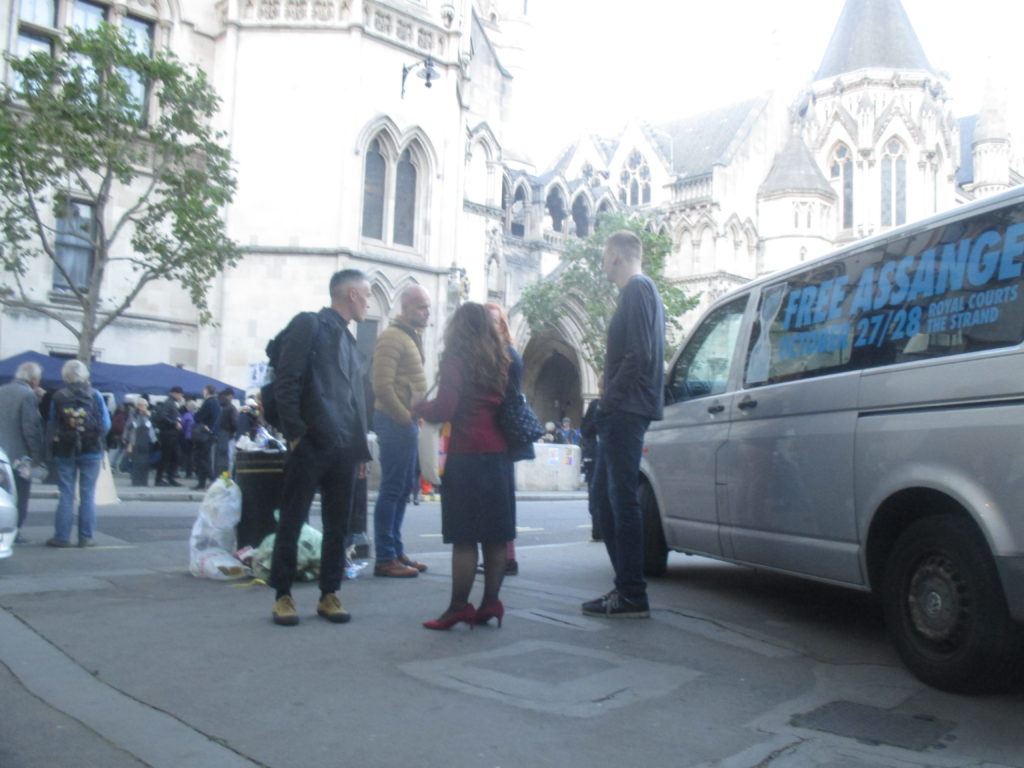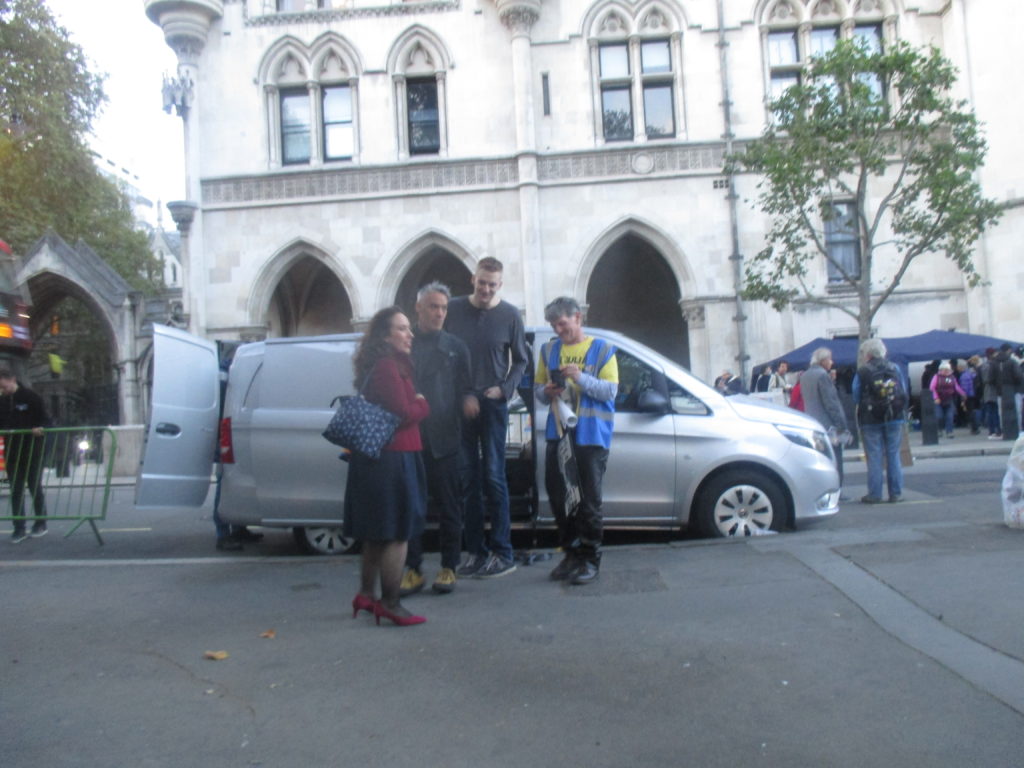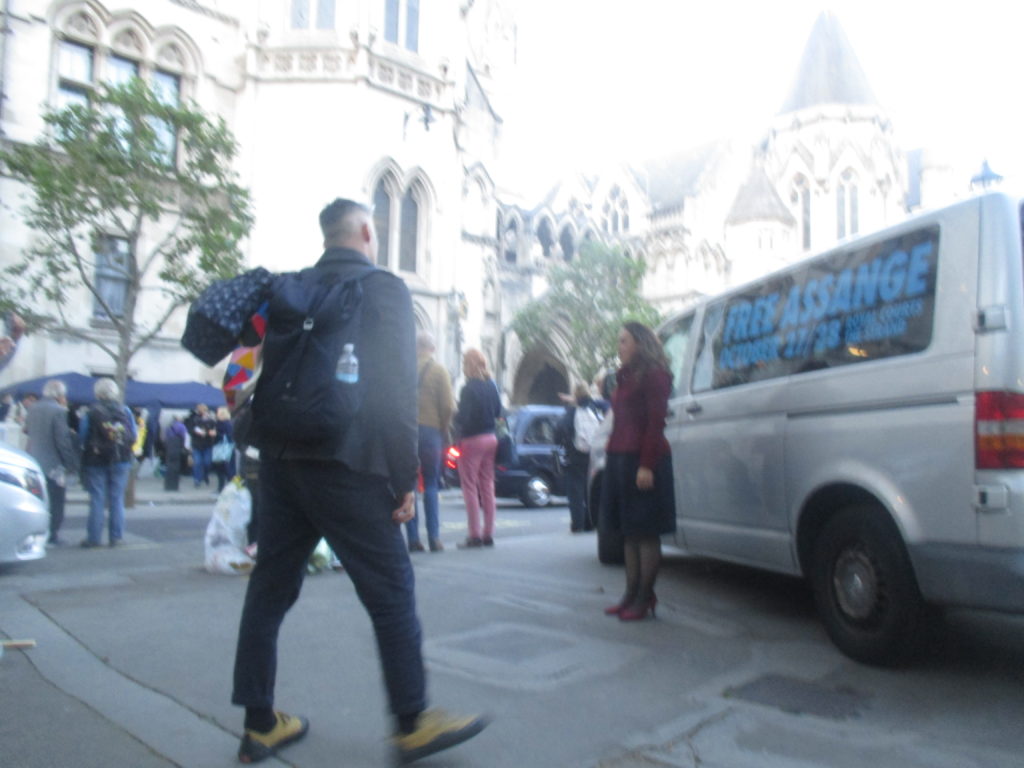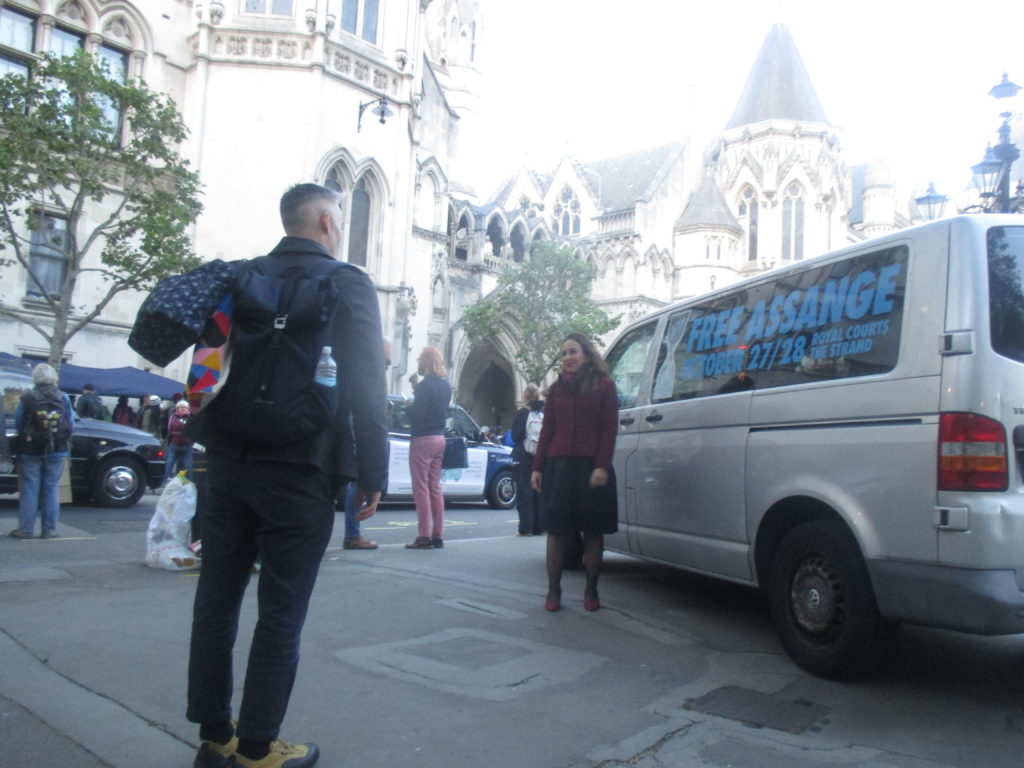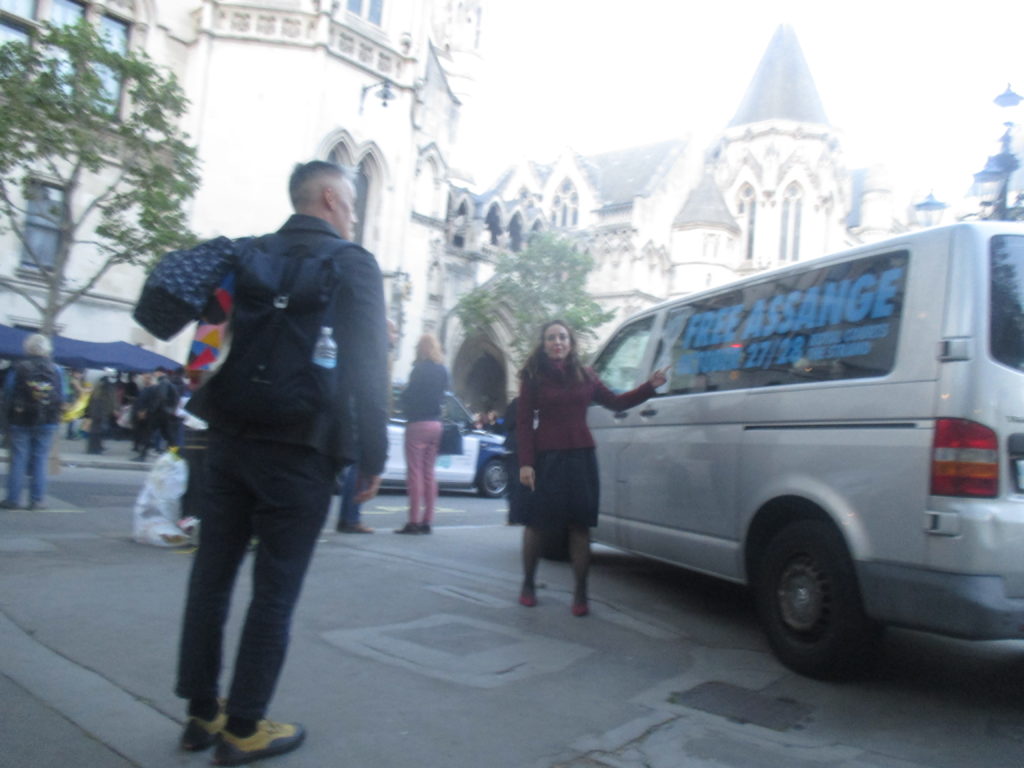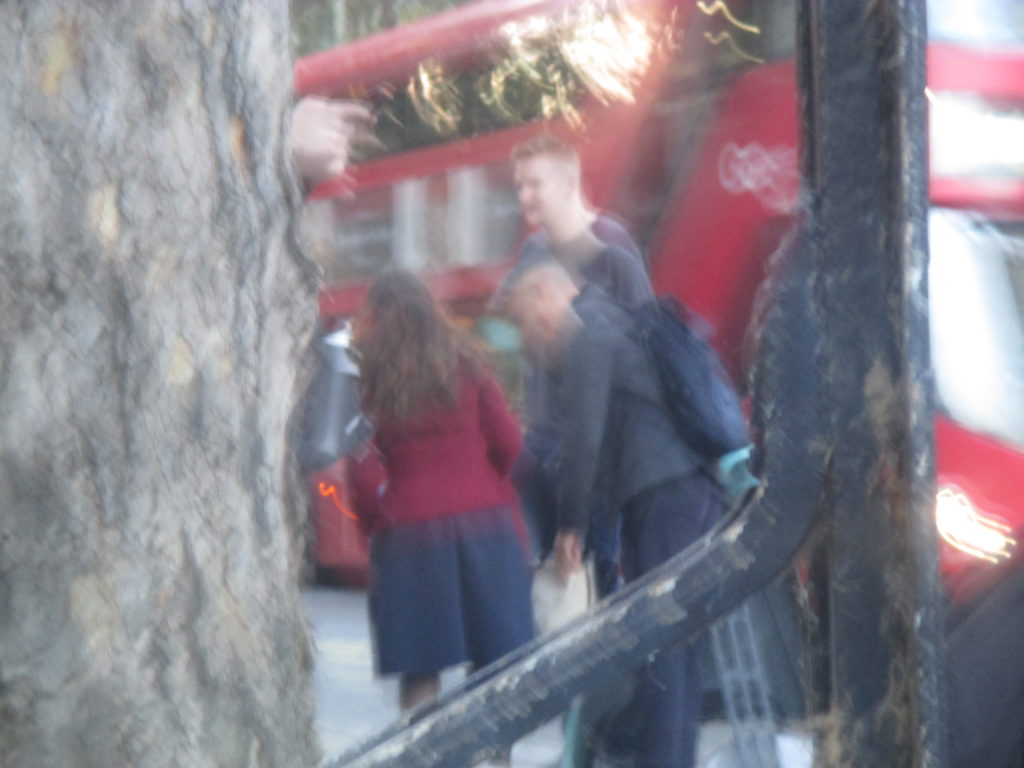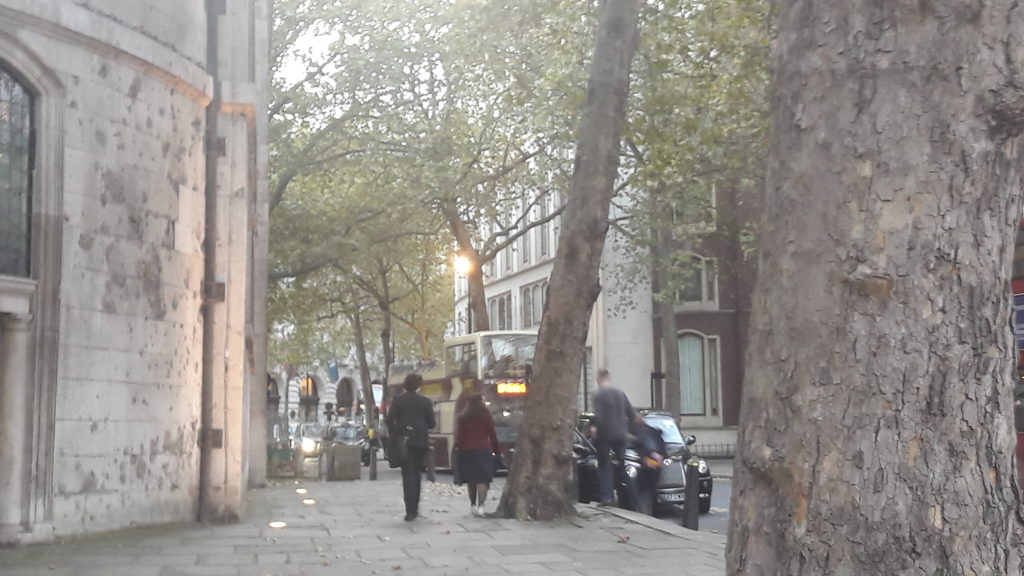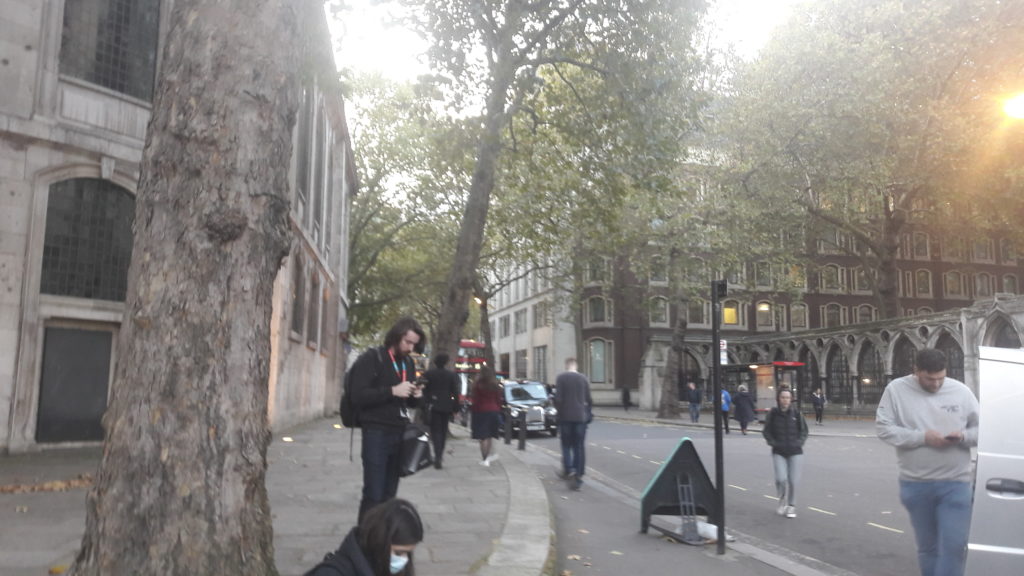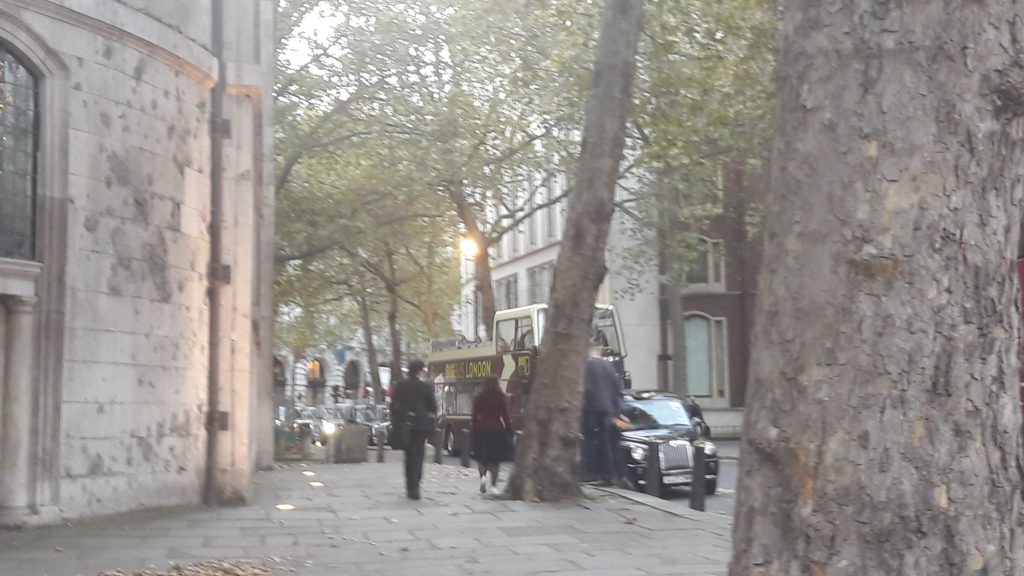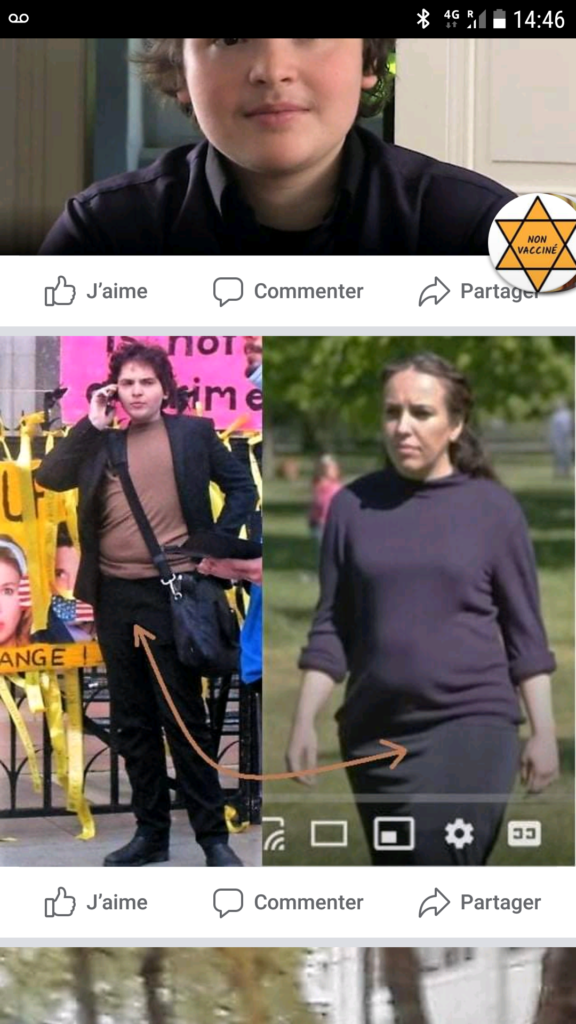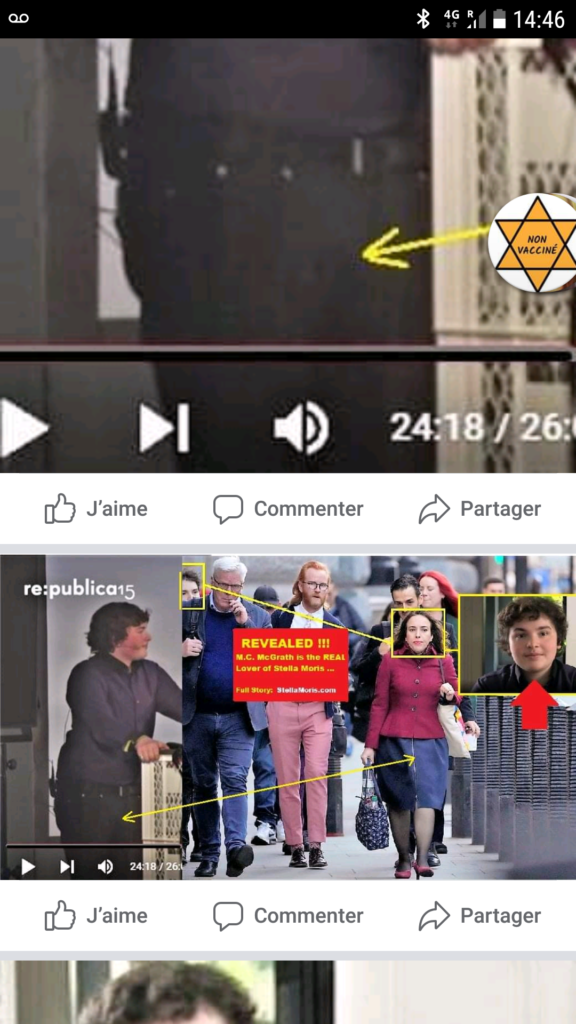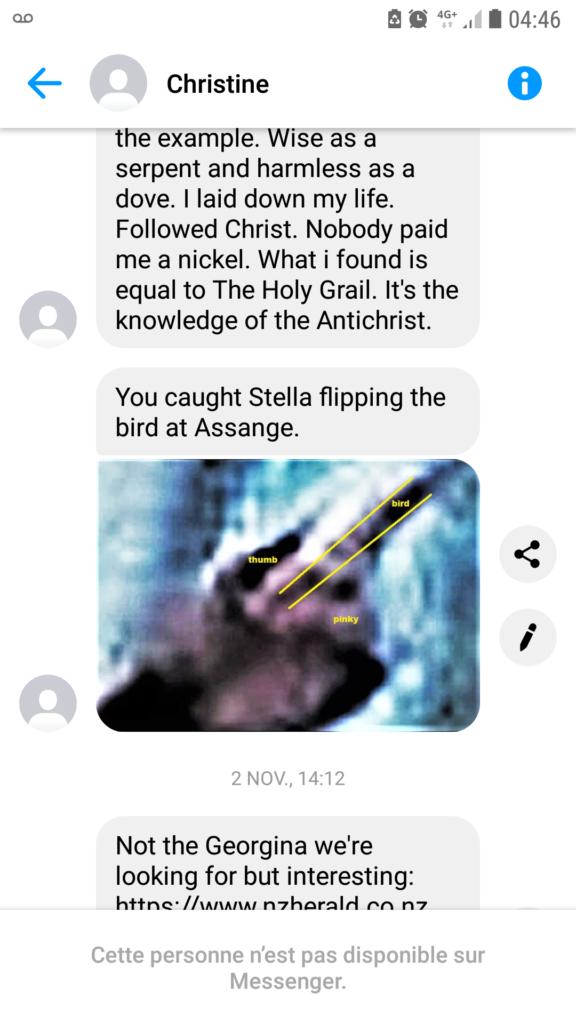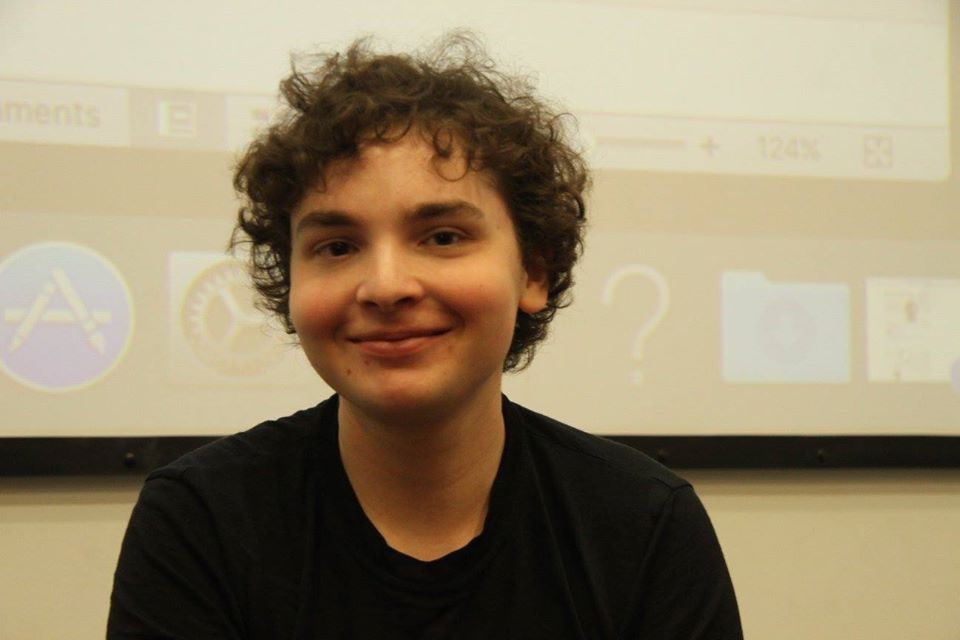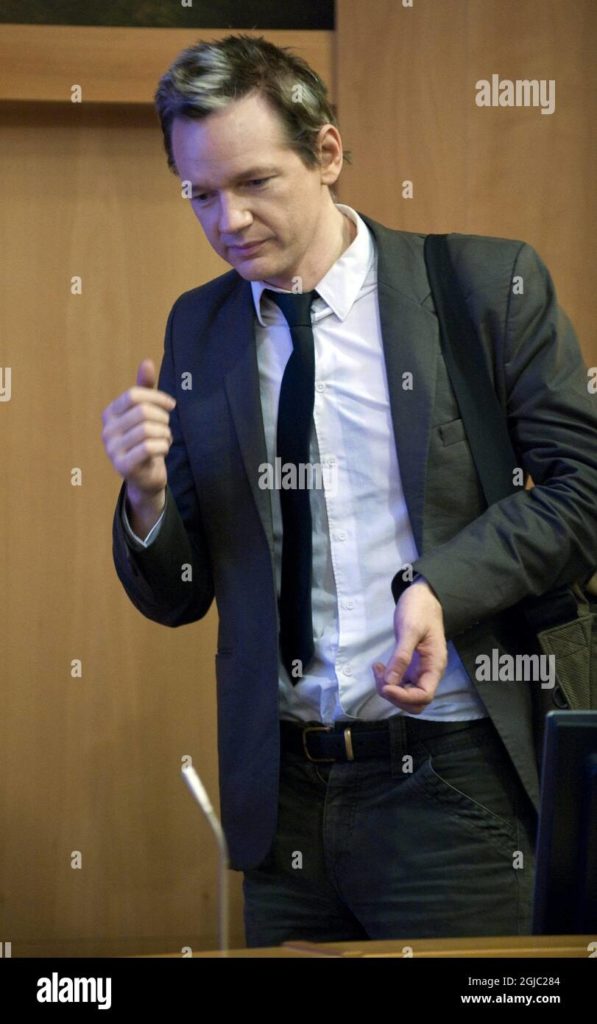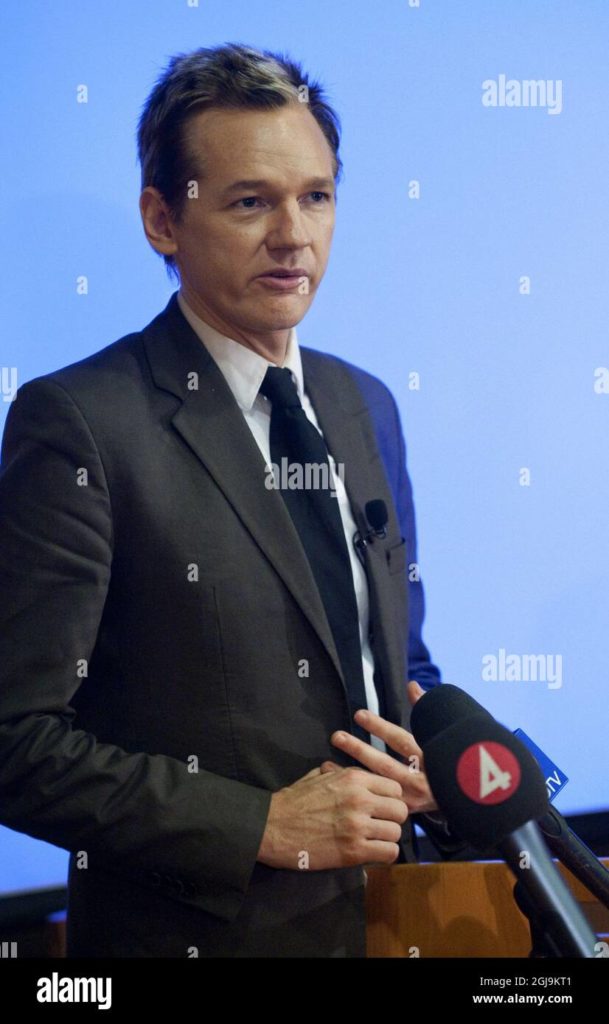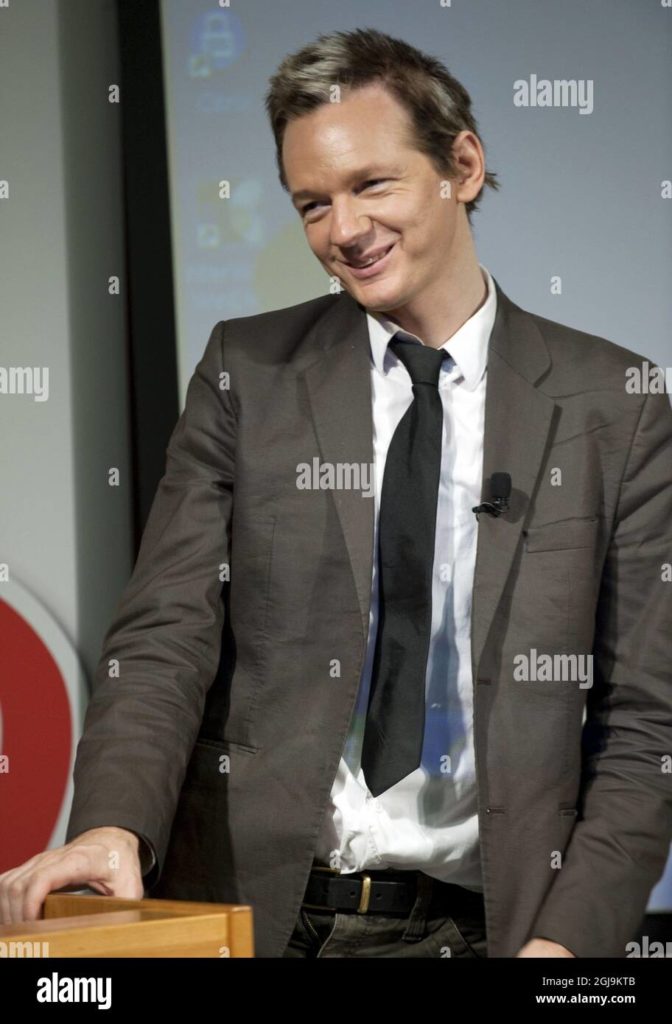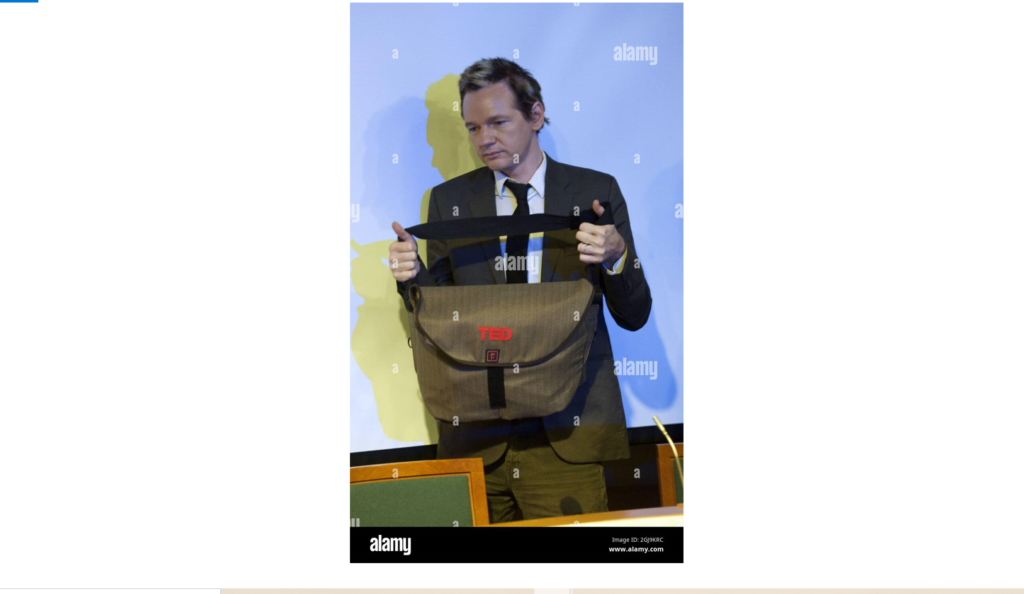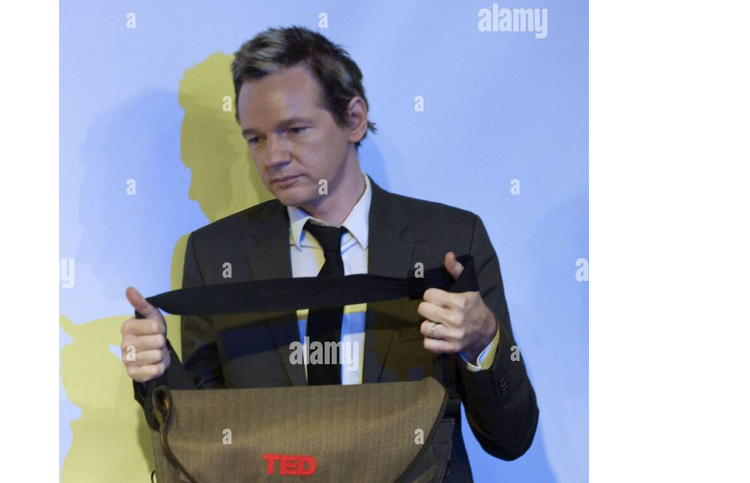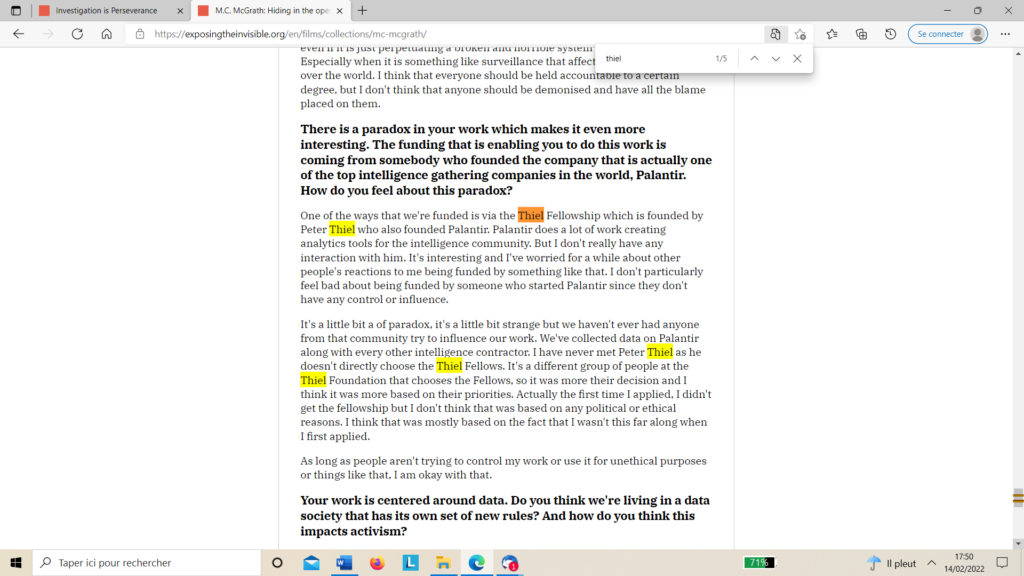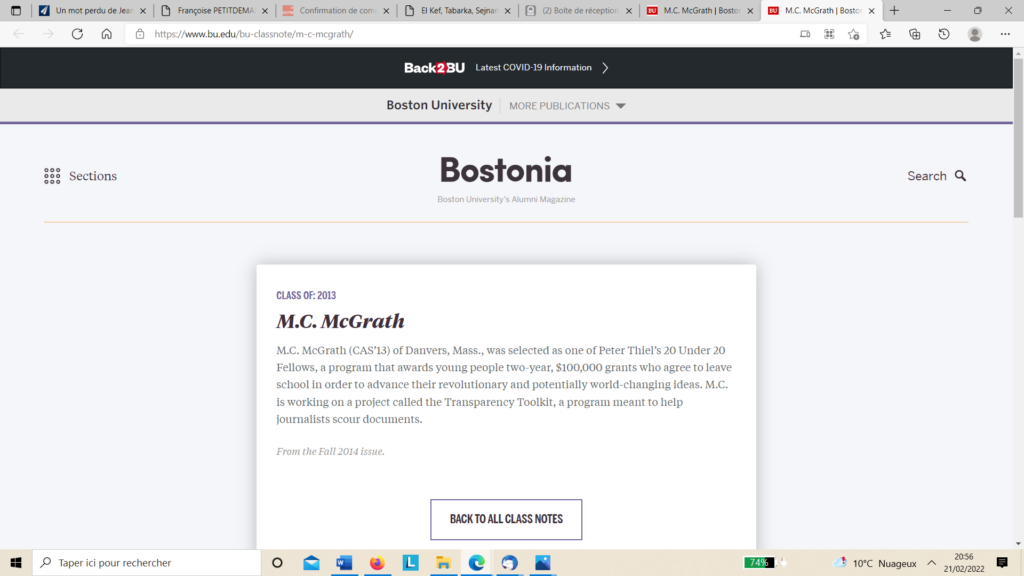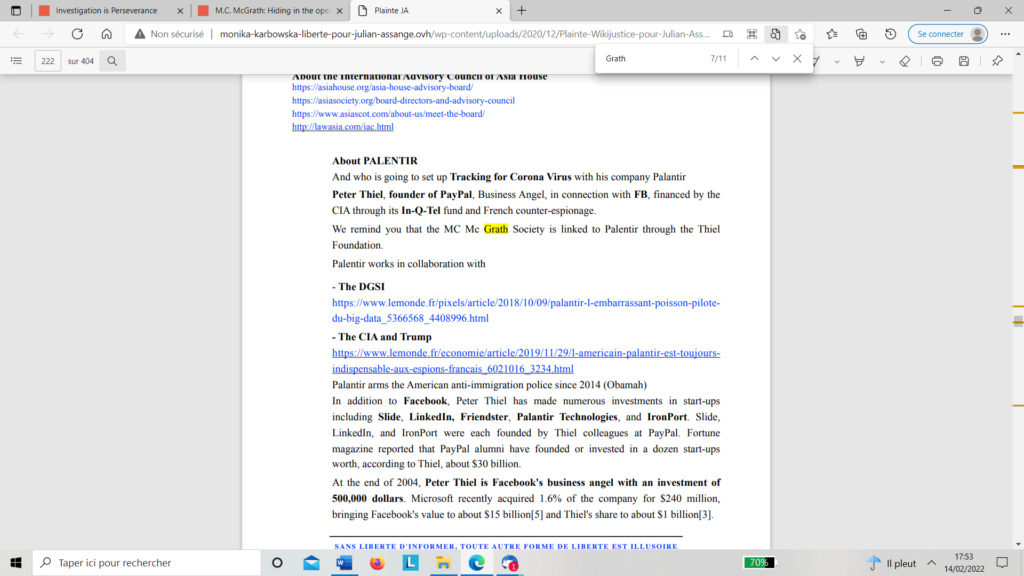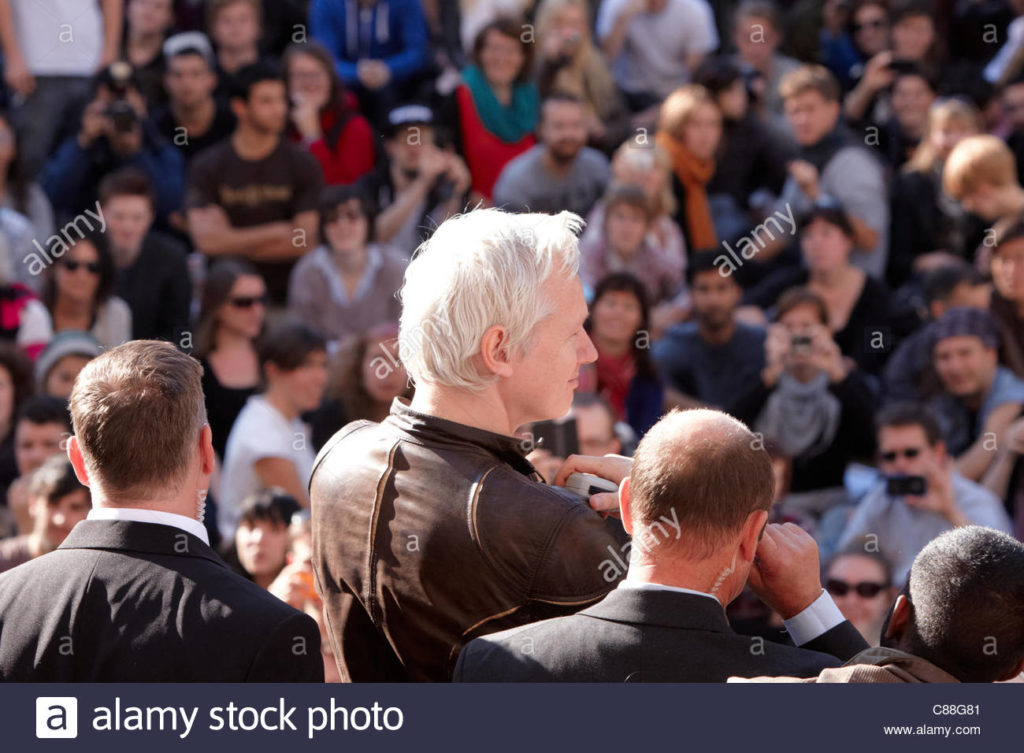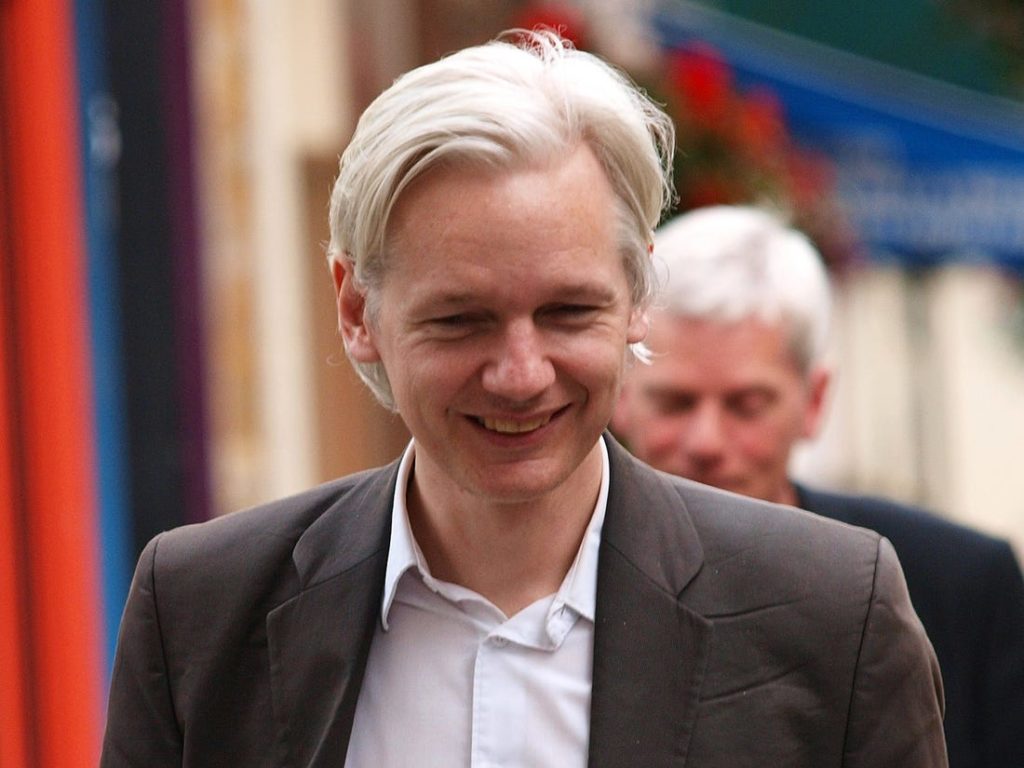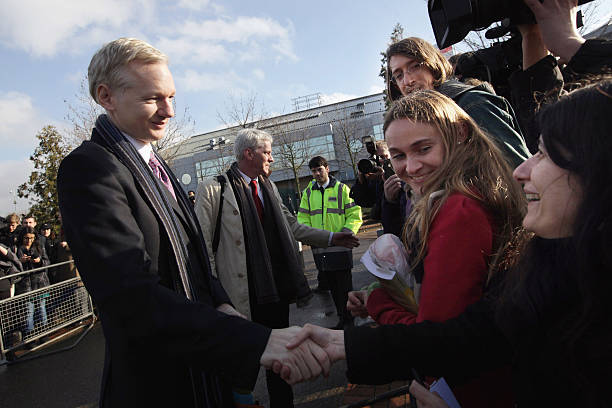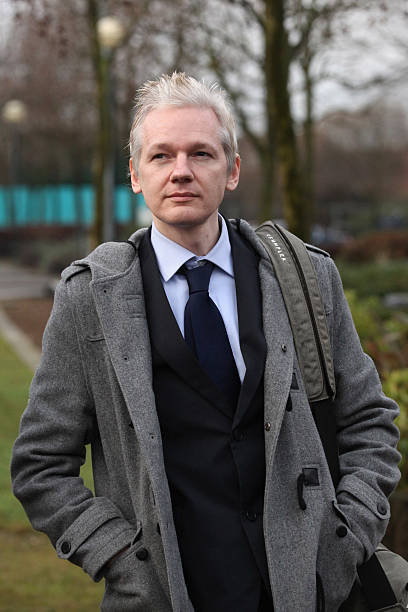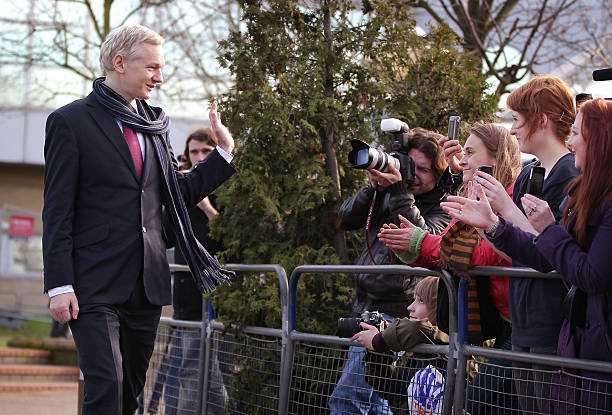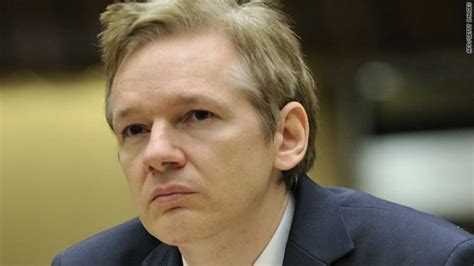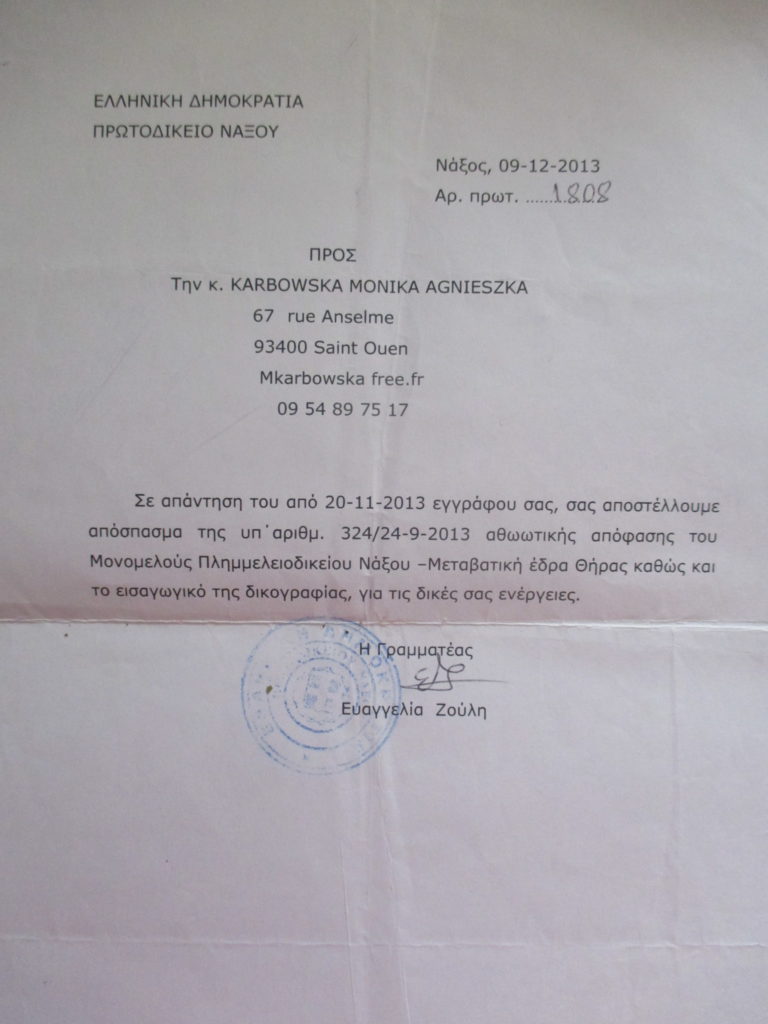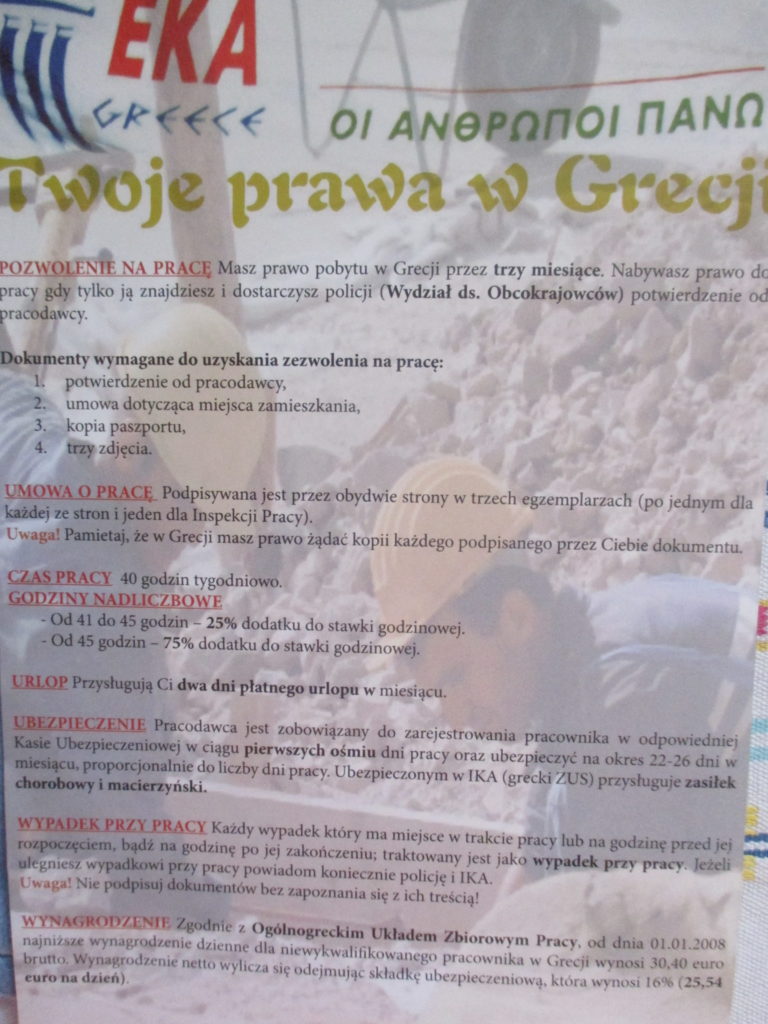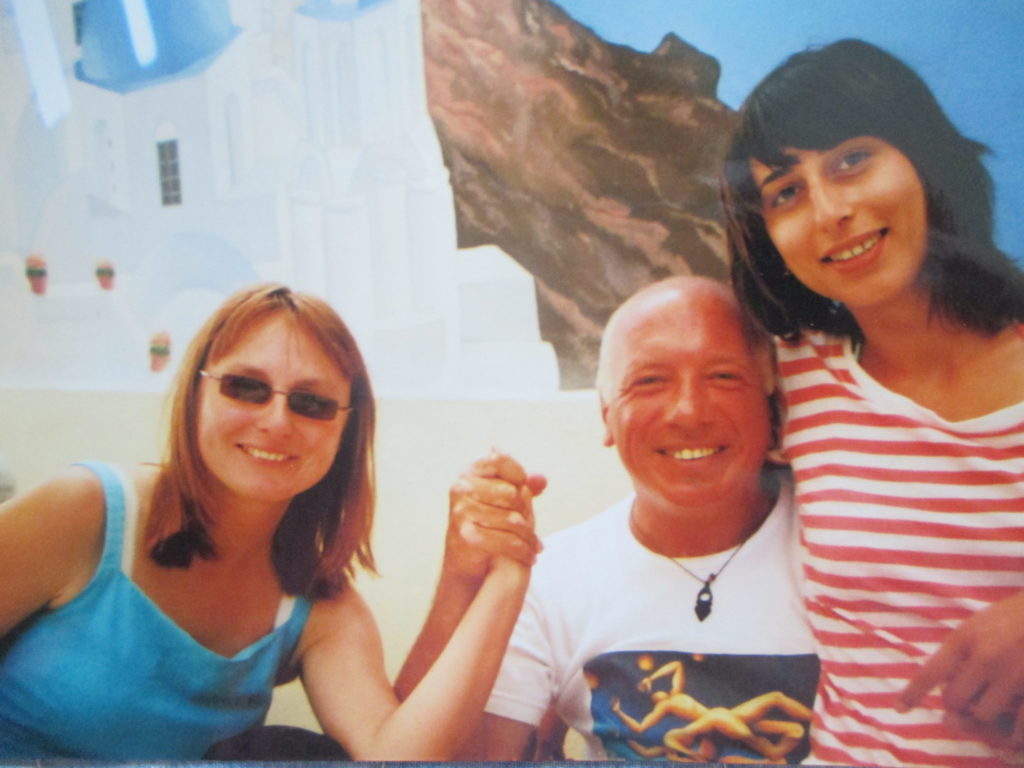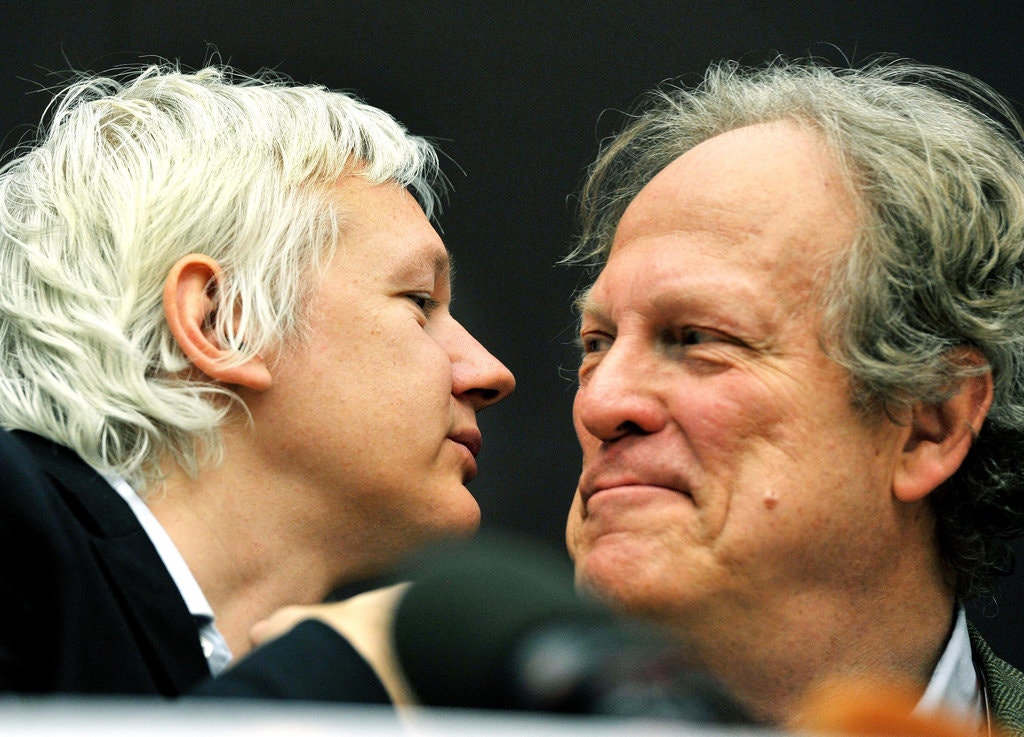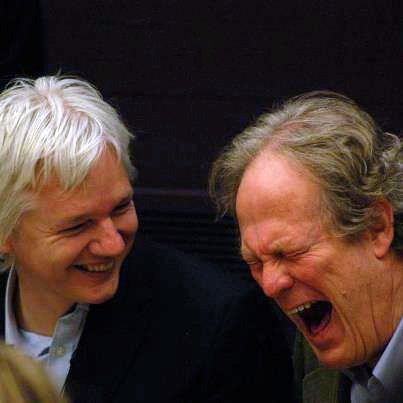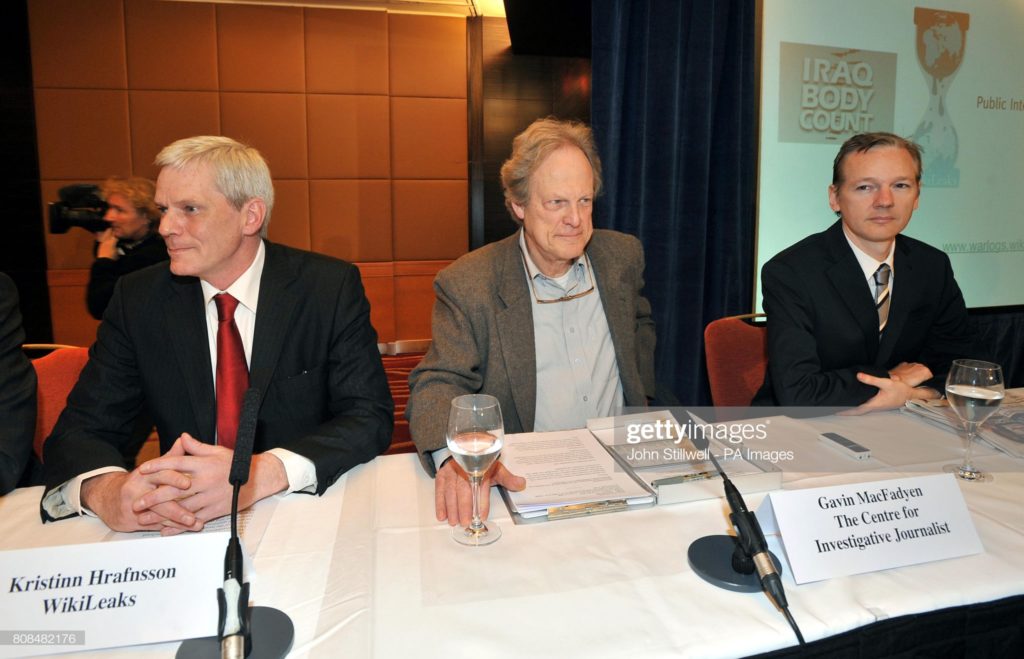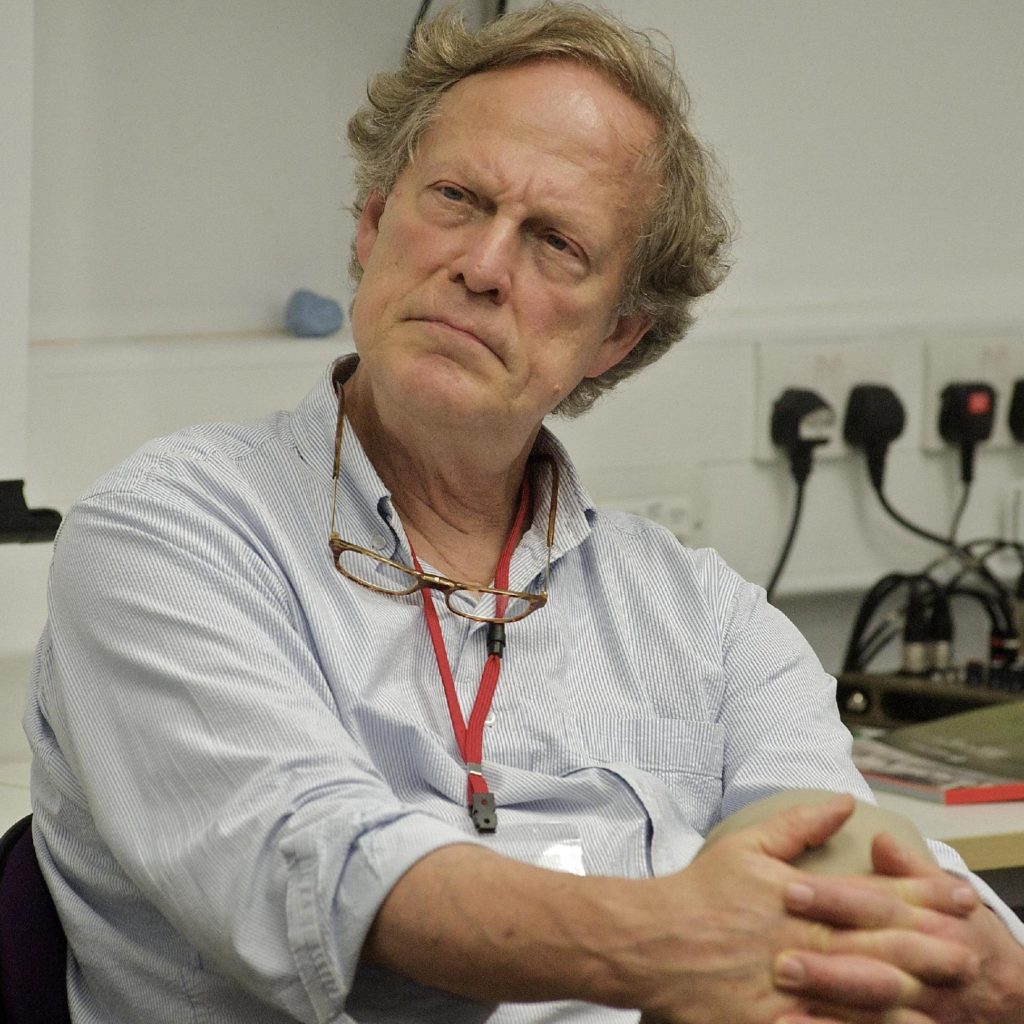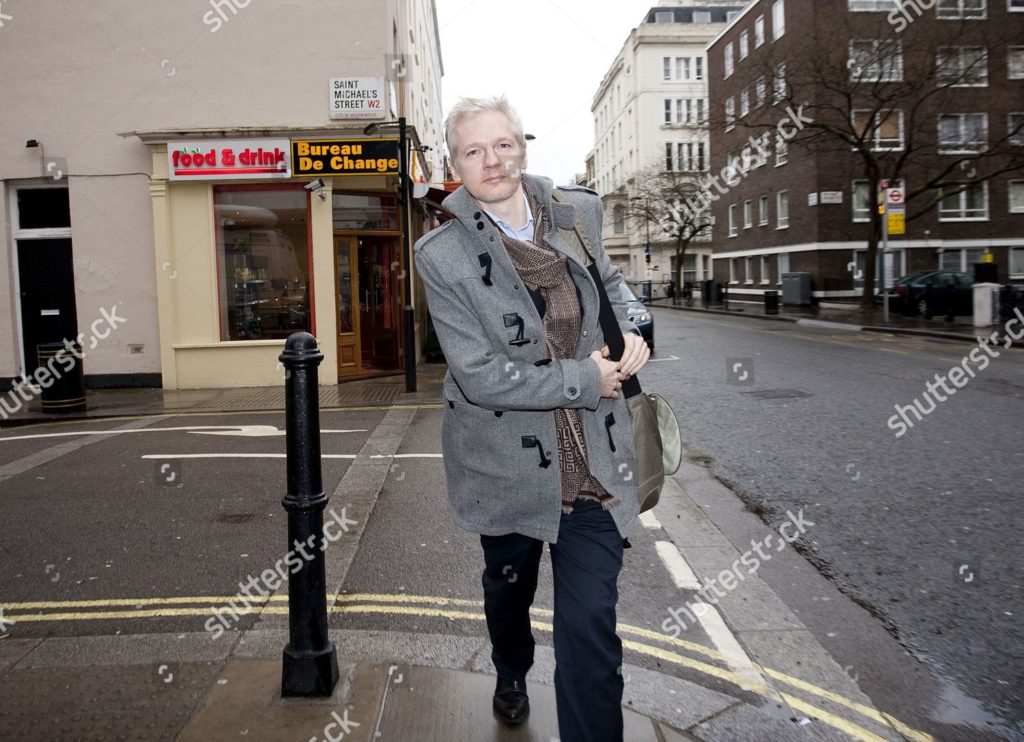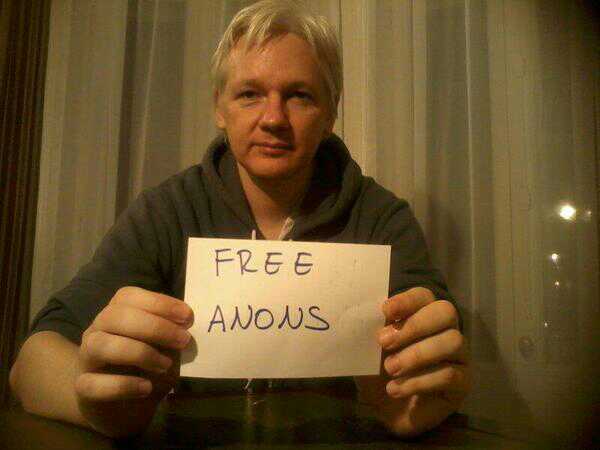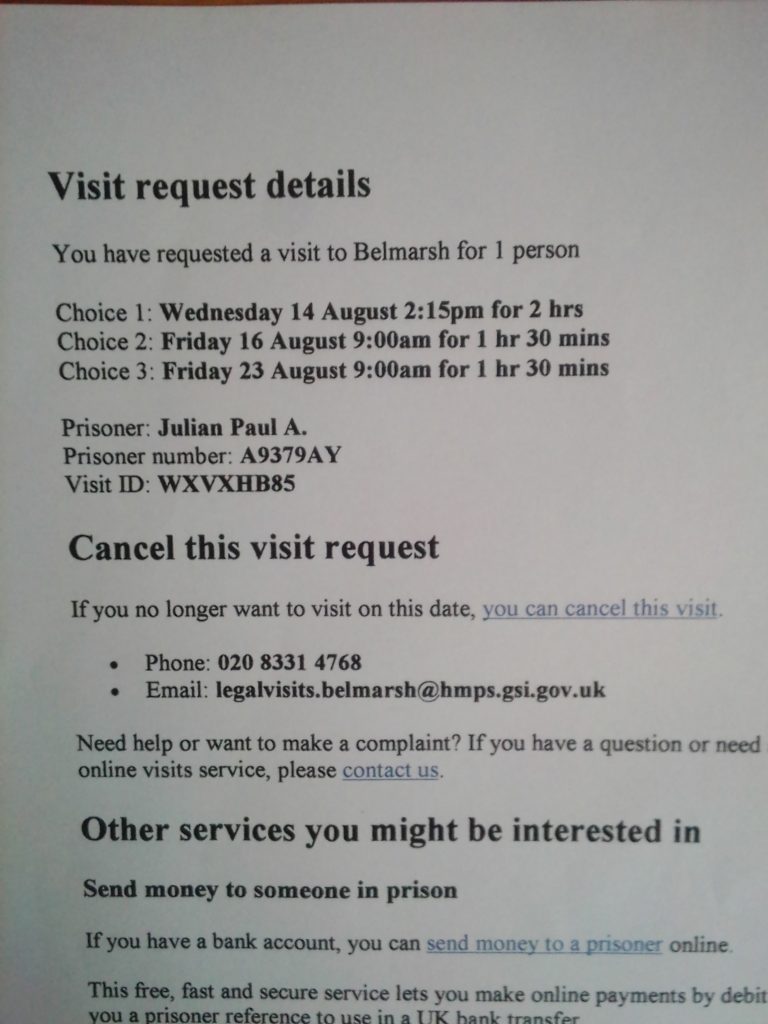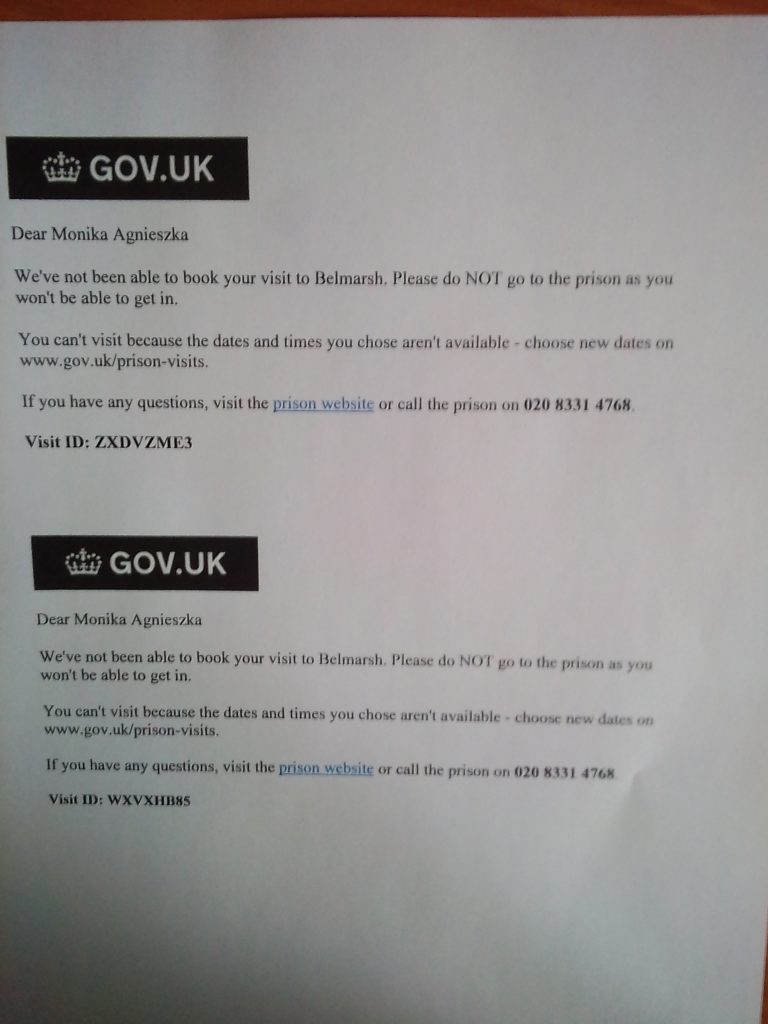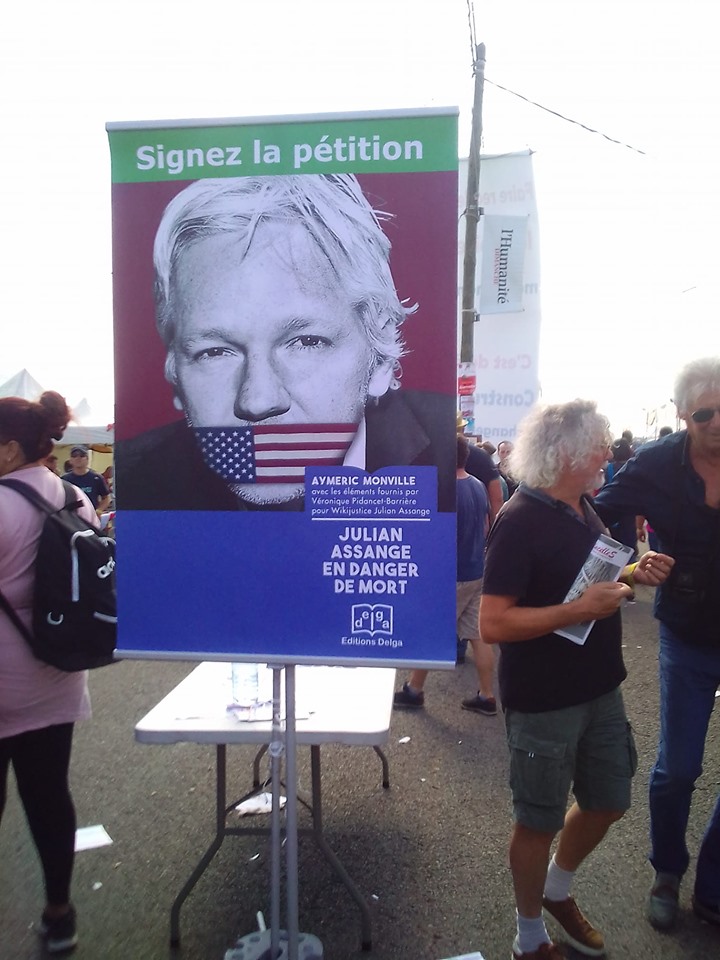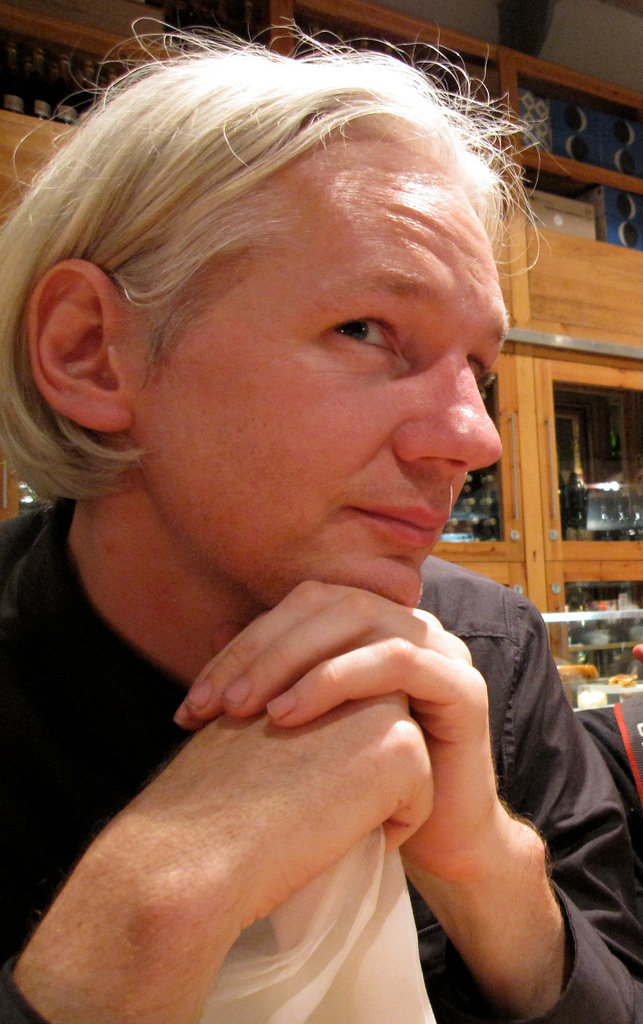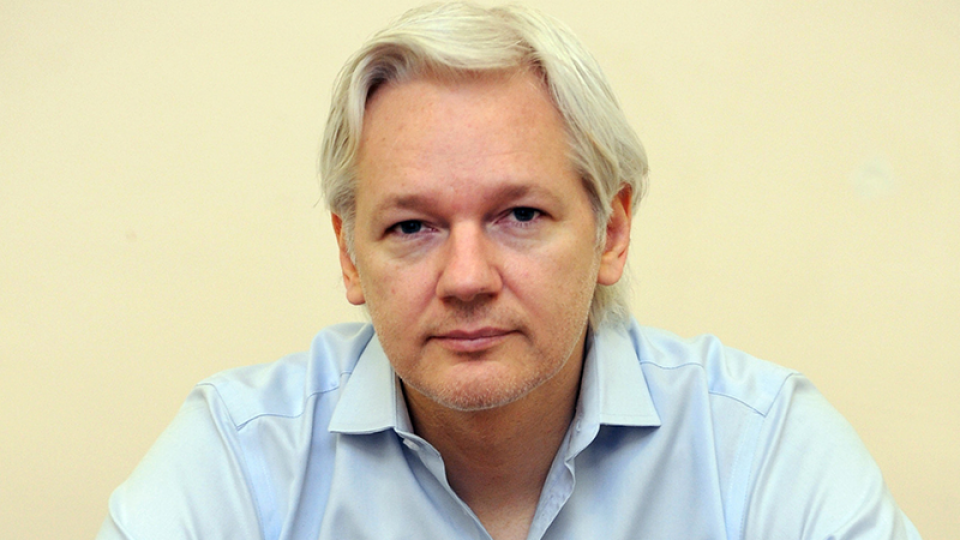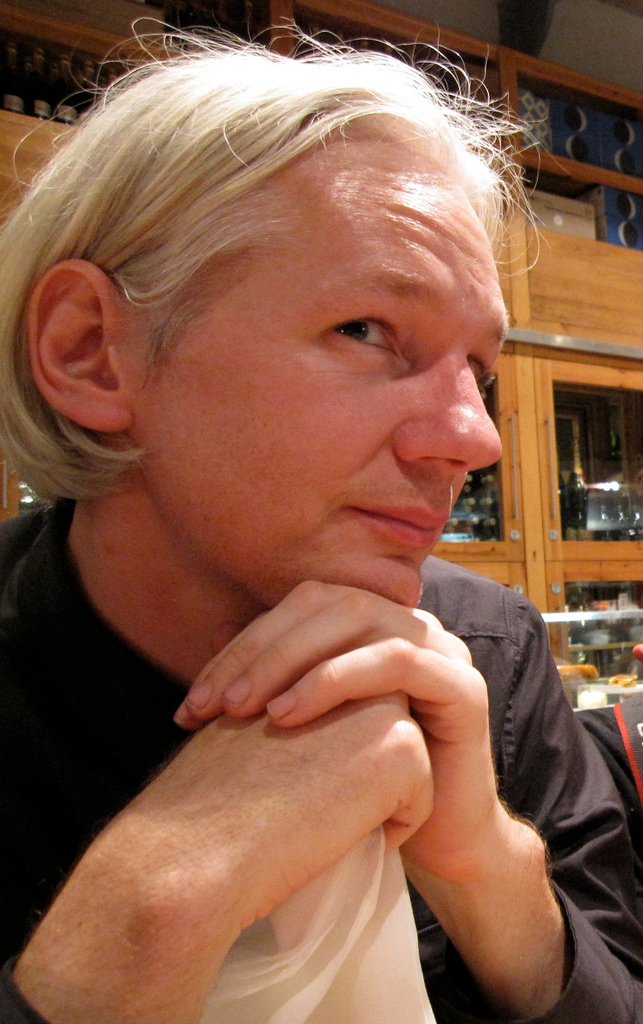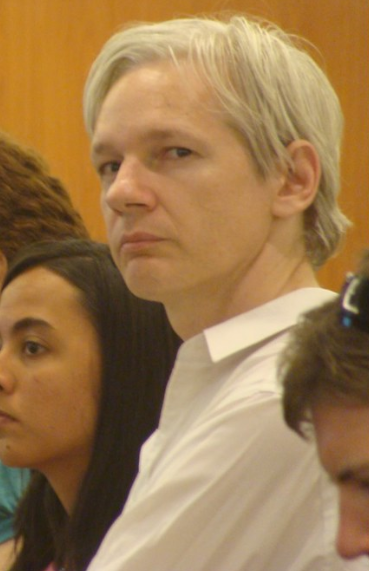
Monika Karbowska
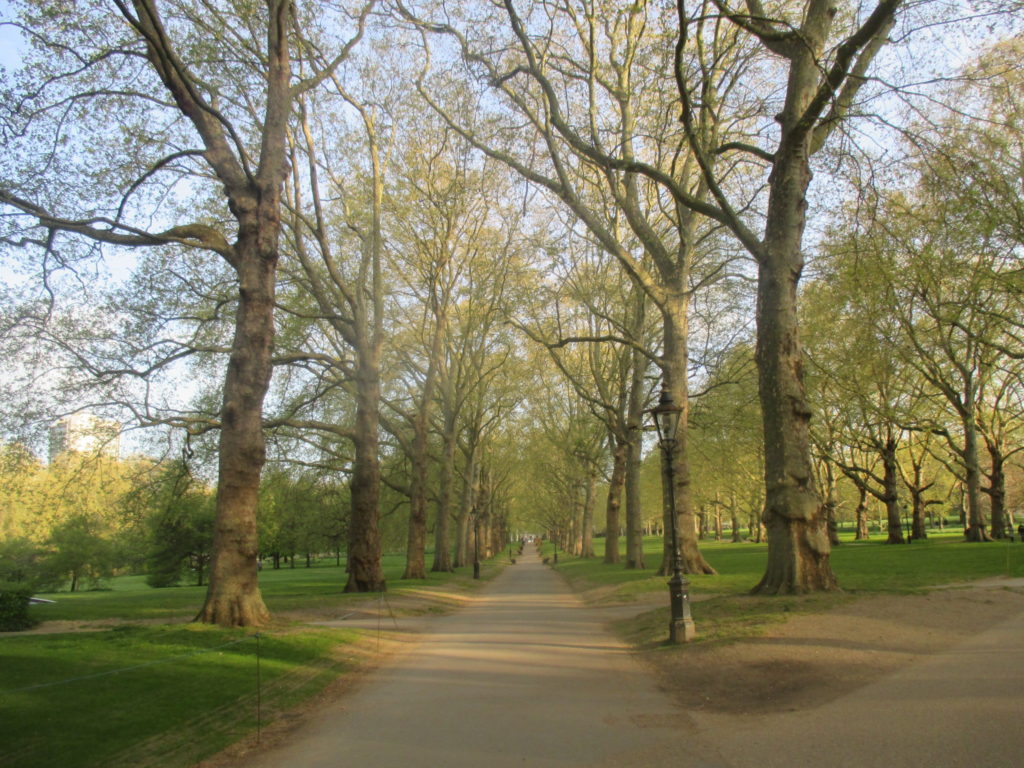
Je n’ai pas écrit depuis nombreux mois, mais il s’est passé tant d’événements et d’action… Concernant Londres et Julian Assange, rien n’a changé et mon expérience demeure d’actualité. Juste la guerre qui s’intensifie entre la caste au pouvoir sur nous en Occident avec dans ses mains les nazis bandéristes de Kiev et une Russie déterminée à dénazifier une Ukraine dans les champs de sang… Mais les ordres sont en Occident, aussi j’analyse ici et je démontre les ressorts du pouvoir en Occident. Avant de reprendre l’action.
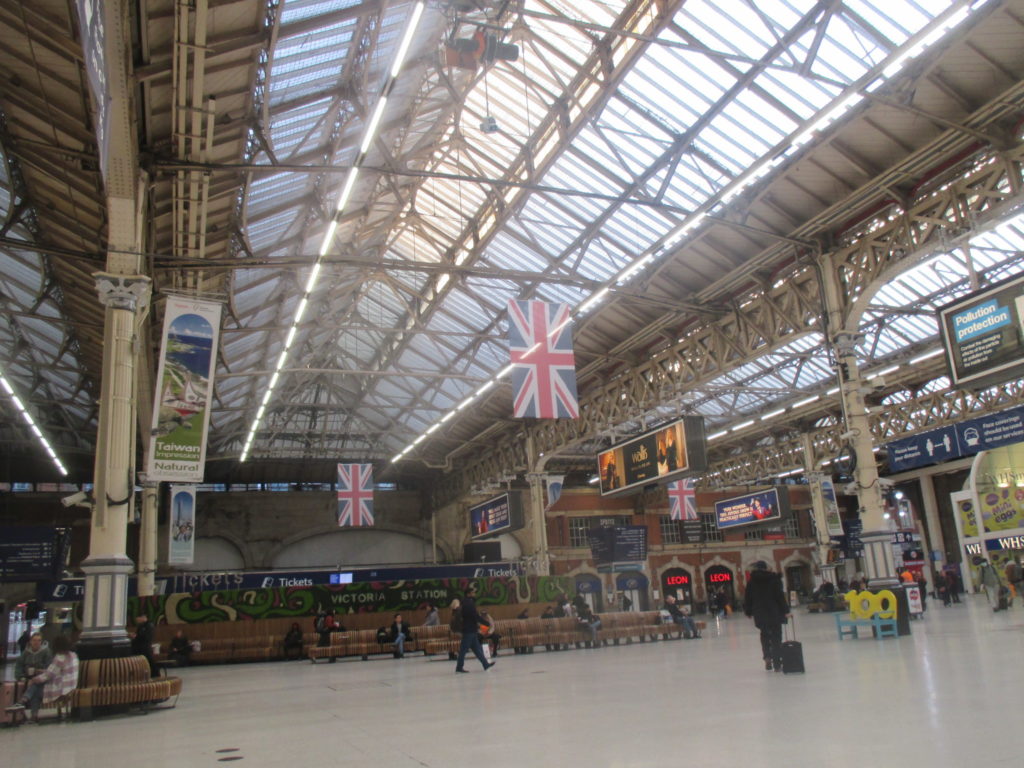
Le 18 avril, Lundi de Pâques au soir, j’avais repris le chemin de l’Angleterre en Flixbus. Pour la première fois depuis plus de 2 ans de dictature « covidienne », aucun obstacle n’était dressé sur la route des voyages transmanche : la Grande Bretagne a en effet aboli tout test PCR, passeport vaccinal, « passanger locator form » et toute forme de contrôle autre que le simple passeport ! (Alors que le régime de Macron exigeait encore et toujours de chaque Français qu’il prouve sa « pureté sanitaire » à l’entrée du pays avec un test covidien absurde!)
En montant à Bercy dans le bus, pour la première fois sans masque, je n’y croyais pas encore et je restais dans l’expectative de voir les menaces de contrôle arbitraires ressurgir, des menaces exécutées par les transporteurs, les chauffeurs de bus, les employés de bateaux ou de chemin de fer ou par des miliciens privés auxquels les curieux régimes covidiens instaurés dans nos pays européens ont fini par nous habituer.
Mais force fut de constater à ma grande surprise que tout cela avait disparu. Nous n’avons eu affaire qu’à la police aux frontières françaises dans son local habituel près de la gare Eurotunnel de Calais et ce fut presque un plaisir de voir (enfin !) le visage de nos flics et de pouvoir ne plus trembler devant eux en se présentant sans le bâillon de plastique imposés depuis voilà deux ans. Je me demandais si le Brexit a modifié quelque chose aux accords franco-britanniques sur le contrôle aux frontière, mais non : les garde-frontières du Royaume Unie sont toujours dans leur local, d’ailleurs élargi, sur notre territoire. Mais ce soir ils et elles ont été toujours aussi aimables, ne m’ont posé aucune question et après un bref coup d’œil sur mon passeport m’ont souhaité bon voyage.
Le Flixbus a enfin, pour la première fois depuis plus d’un an, pris le chemin du train et nous avons traversé la Manche sous terre, enfermé dans notre bus lui-même enchâssé dans la cabine à véhicules de l’Eurostar. Une demi-heure un peu claustrophobique, mais vite passée. Le matin s’est levée sur les falaises de Douvres et une Angleterre verte et ensoleillée.
Le deuxième hiver des luttes contre le régime de la dictature covidienne
Dès ce moment-là, à la vue des grands arbres, des fleurs, les forêts et les prairies resplandissantes, j’ai senti que la lourdeur et le deuil de ce dur deuxième hiver de dictature covidienne me quittaient doucement.
La dure lutte contre le pass sanitaire, la discrimination d’Etat, le viol de nos corps avec l’injection obligatoire… la dure lutte pour récupérer nos droits avec nos manifestations, nos actions juridiques et politiques, les Convois de la Liberté pour lesquels nous étions si reconnaissants à nos amis Canadiens… L’intense stress de nos luttes résistantes ne commença à me quitter qu’à ce moment de mon arrivée dans la verte campagne anglais et dans la banlieue des maisonnettes familières de Londres.
Mais aux côtés de ces violences, nous ne pouvons oublier nos morts sans soins dans les hôpitaux ni nos morts et blessés des injections ARN criminelles : la mort de mon compagnon Gilles en octobre dernier suite m’opprime toujours le cœur et la mort de mon amie Alicja Tysiac assassinée par l’hôpital mafieux Praski de Varsovie le 12 décembre dernier reste le fondement de ma colère contre l’innommable fascisme auquel nous avons été soumis et que je ne peux ni oublier ni pardonner.
En décembre 2021 je devais lutter contre l’assassinat programmée de personnes âgées dans l’hôpital de Szczytno en Pologne et contre le refus de soins et ainsi la condamnation à mort d’un homme de mon âge à Perpignan.
En février dernier je soutenais une amie dont le père avait été condamné à mort par le service gériatrie de l’hôpital de Dijon selon le désormais connu modus operandi : un malade arrive avec un problème cardiaque, l’hôpital effectue sur lui une série de test PCR covidiens et ne se préoccupe pas du tout de sa pathologie cardiaque. Les tests sont effectués sans le consentement du patient jusqu’à ce qu’un des test soit positif : le patient est alors séquestré dans un service covidien, les visites de la famille interdites. A Dijon ce furent non seulement les visites qui furent interdites, mais aussi les colis et les messages et, tout comme dans le cas d’Alicja Tysiac, les médecins hospitaliers refusent de recevoir la famille et refusent de lui transmettre les informations sur le malade et sur ce qu’ils font au malade.
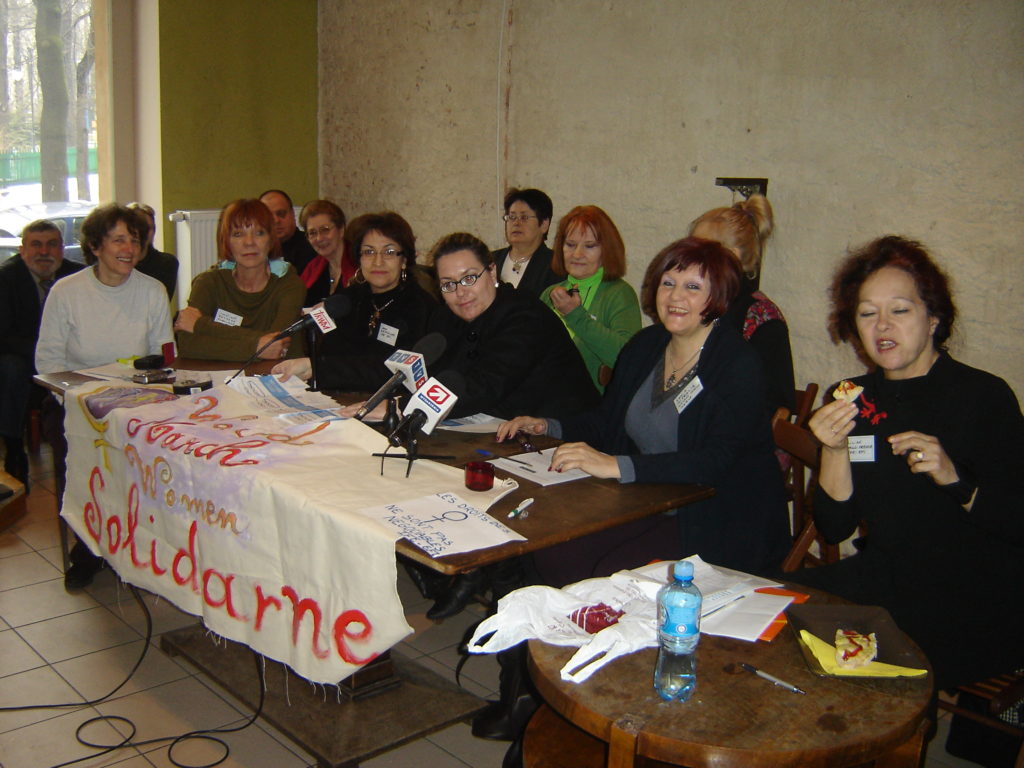
La suite est alors une organisation implacable de la mort programmée : le malade privé de soins dépérit, on lui diagnostic à la va vite le covid et on attend qu’il soit suffisamment mal en point pour le mettre en réanimation. On ne lui administre même plus ses médicaments habituels, on ne contacte pas son médecin traitant, Alicja et les malades de Szczytno furent même privés de nourriture, d’eau et d’hygiène… Si la famille ne proteste pas suffisamment fort en portant plainte pour séquestration et torture et en faisant le siège physique de l’hôpital, le malade est alors mis sous « respirator » et après quelques jours de ce traitement, évidemment, meurt pour enrichir les statistiques nationales du covid et justifier l’obligation vaccinale et le pass sanitaire.
Le même scénario fut donc répété en février 2022 au service gériatrique de l’hôpital de Dijon. Le terrible procédé criminel était bien engagé lorsque nous menaçâmes de poursuites judiciaires pour séquestration et tortures le service gériatrique de l’hôpital de Dijon. C’est alors qu’un médecin de ce service consenti recevoir mon amie pour lui annoncer l’imposition (sans son consentement) à son père d’un médicament « novateur » contre le « covid », le Paxlovid ! Heureusement que nous avions découvert que ce produit de Pfizer était en phase expérimentale et nous rajoutâmes à notre plainte les poursuites pour expérience médiale illégale sur personne vulnérable… L’hôpital de Dijon accepta finalement de relâcher son patient-prisonnier qui put donc regagner son domicile au bout d’un long mois de souffrance, sans avoir bénéficié du moindre soin pour la pathologie cardiaque pour laquelle il y était allé.
Tel était l’état des Droits de l’Homme en France, en Pologne et dans l’Union Européenne lorsque la Russie déclencha le 24 février 2022 la guerre pour la libération du Donbass, le châtiment des criminels du massacre d’Odessa du 2 mai 2014 et pour la dénazification pleine et entière de l’Ukraine. Les régimes oligarchiques de l’Occident ne nous libérèrent provisoirement du pass sanitaire et de la dictature covidienne uniquement parce qu’il leur est difficile de lutter en même temps contre l’armée russe et contre nous, les citoyens Résistants en insurrection. Le 13 février 2022 la police française milice macroniste avait lourdement militarisé les Champs Elysées et piétiné les drapeaux français des participants au Convoi de la Liberté de France vers Bruxelles. Depuis le 24 février tous les médias alternatifs furent supprimés ou censurés et nos comptes Facebook et twitter sont régulièrement bloqués sur deux sujets : la guerre en Ukraine et le Nouvel Ordre Mondial.
Ces journées de Pâques du 16, 17 et 18 avril furent les premières Fêtes « normales » depuis bien longtemps en Europe occidentale, sans pass sanitaire, interdictions et restrictions, sans terreur propagandiste covidienne. Ce furent des journées pleine d’un soleil radieux et inattendues et mon voyage en Angleterre me fit l’effet d’une évasion d’un camp de prisonnier vers les vertes prairies de la liberté.
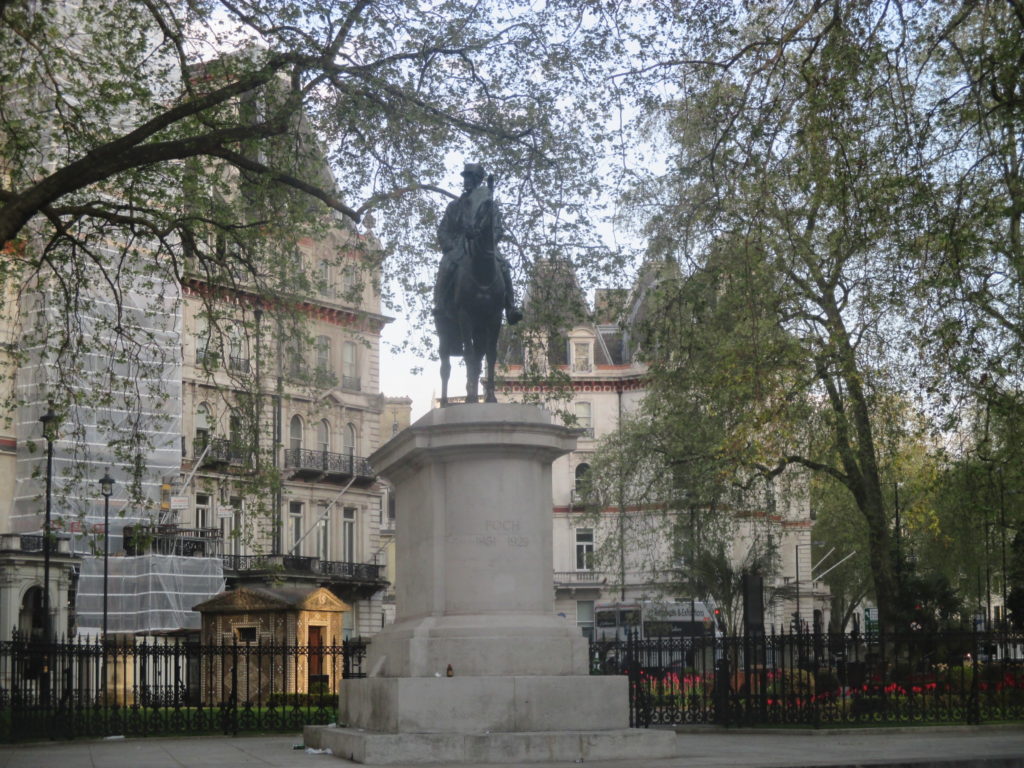
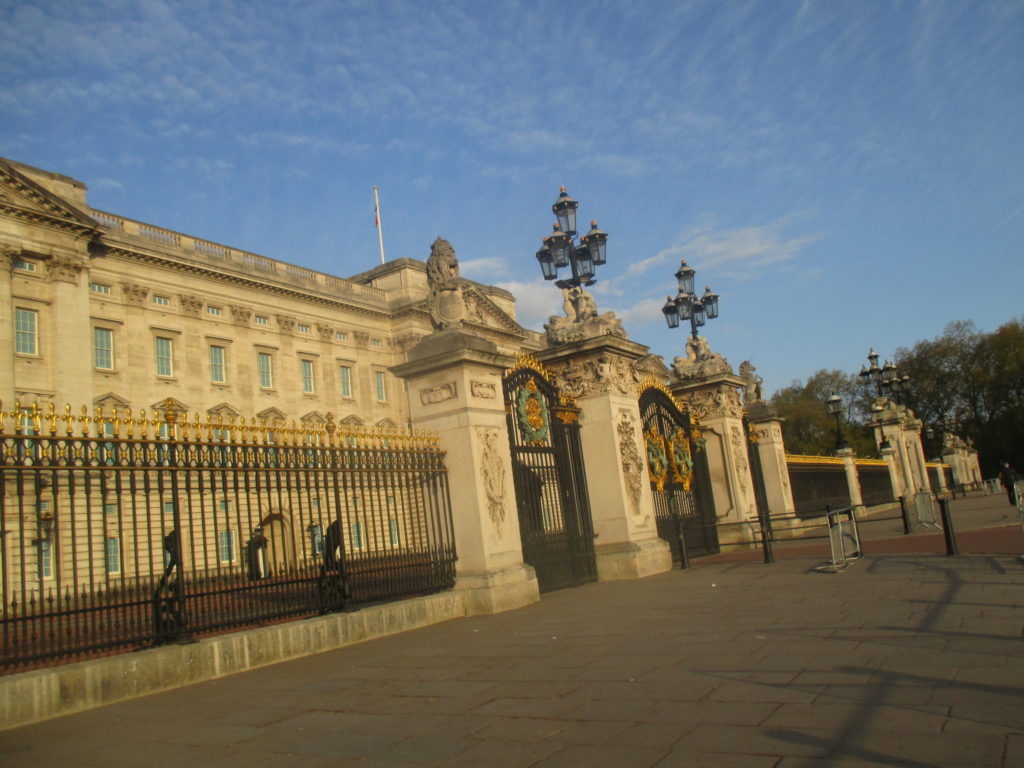
Je ressens toujours cette liberté à mon arrivée à Victoria Station, alors que je traverse l’immense gare sous sa verrière ouvragée, je constate alors la disparition de tout signe covidien, masques, agent de sécurité, injonctions et je remarque par contre la présence d’un inhabituel affichage patriotique de drapeaux britanniques. Les rues sont encore vides et le beau soleil m’incite à monter à pied dans les quartiers nord de Paddington. Pour cela je longe les écuries royales « Royal Mews » vers le Buckingham Palace ou devant la stature dorée de de Victoria von Sachsen Coburg Altenburg je contemple les splendides massifs de fleurs, si bien entretenus et je traverse les pelouses impeccables du Green Park sous les grands platanes sillonnées de joggeurs matinaux. J’apprendrais plus tard que le « jubilée de la Reine » doit avoir lieu le samedi suivant et les Anglais prolongent ainsi par la fête civile leurs vacances de Pâques.
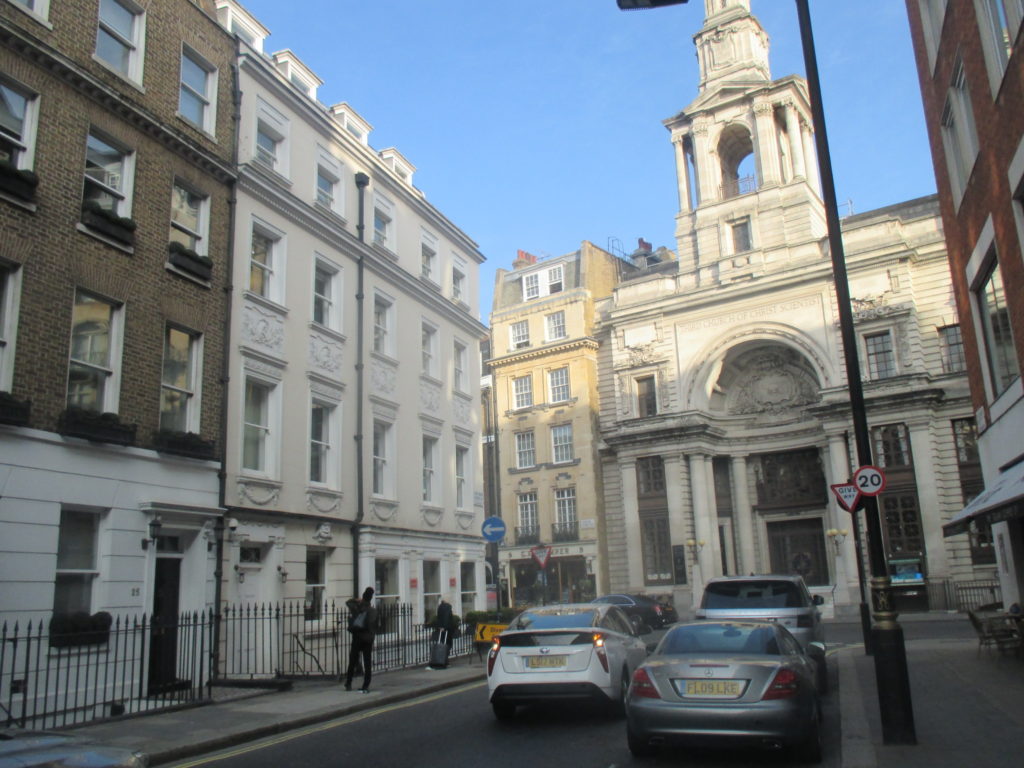
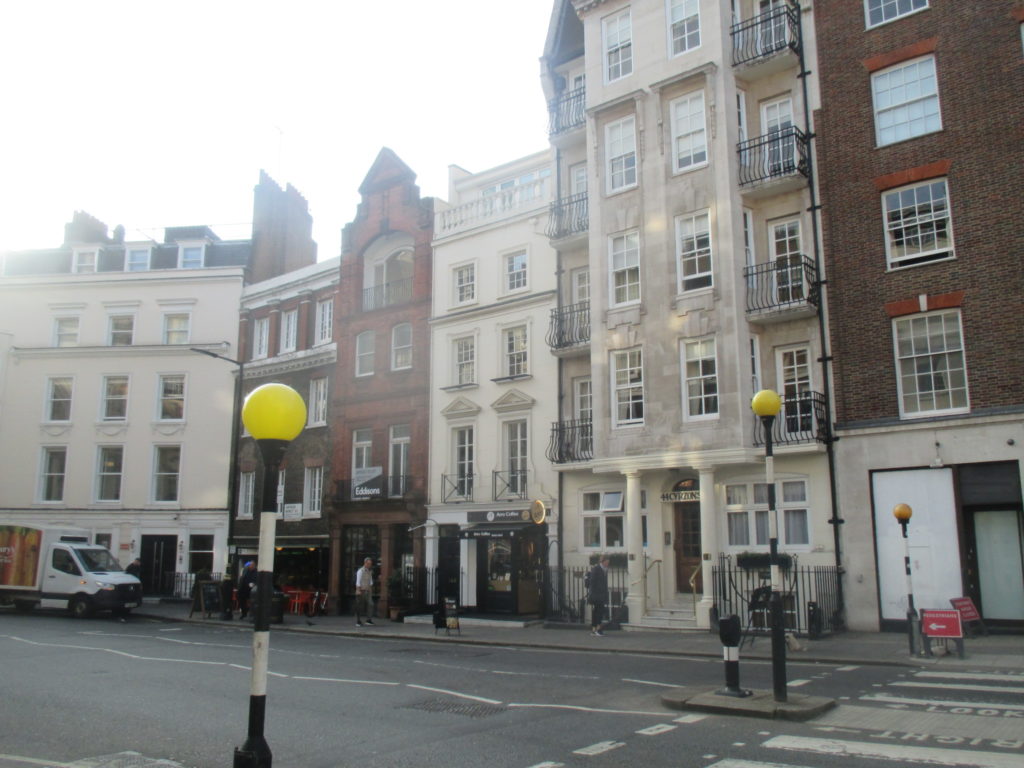
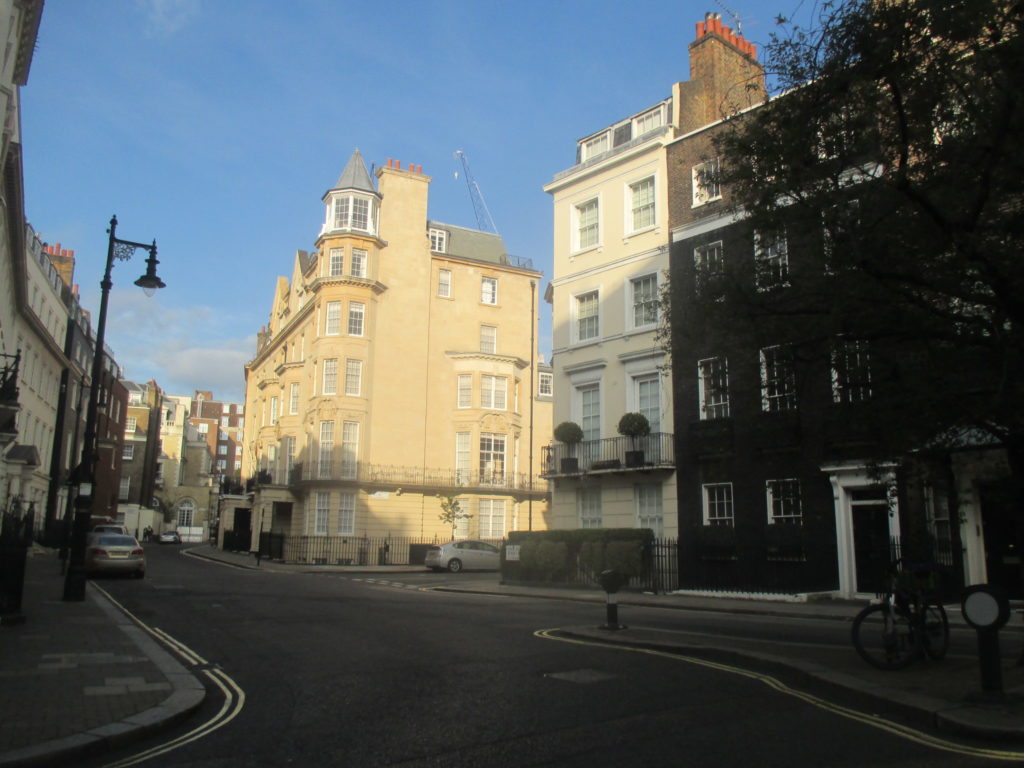
Je traverse les petites rues des hôtels particuliers distingués et des boutiques de luxe de May Fair avant de rejoindre l’avenue Egdeware Road à Marble Arch qui fut mon quartier général en octobre dernier alors que le pass sanitaire et la violence covidienne sévissaient en France et que Julian Assange était présenté au Royal Courts of Justice. C’est le ramadan et les restaurants irakiens et égyptiens resteront fermés jusqu’au soir.
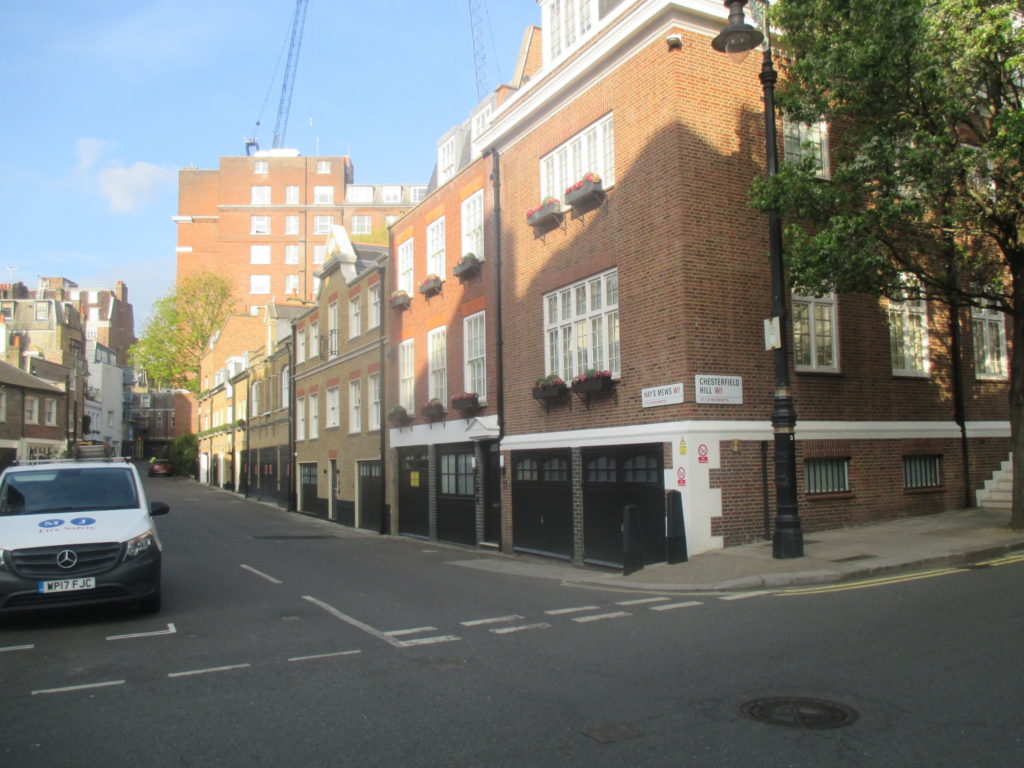
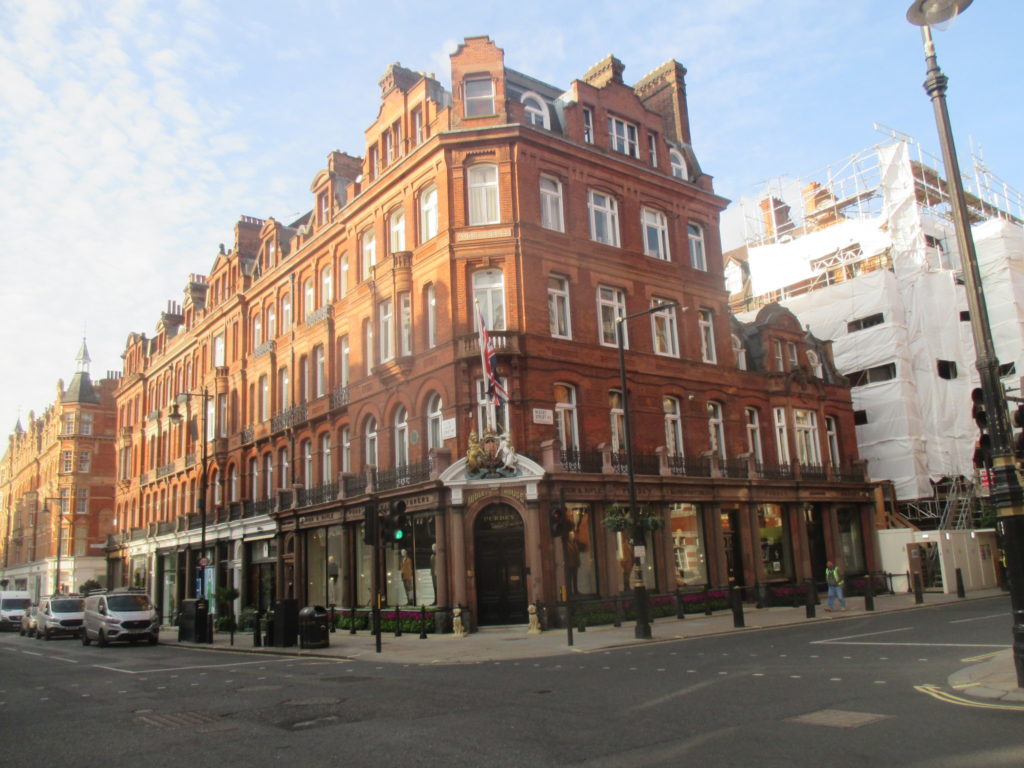
Je sais néanmoins que les hôtels sont pleins, il m’a été difficile de trouver une chambre à un prix mesuré. Les touristes ont repris possession des nombreux hôtels de Paddington et en fait, Londres entière est remplie de touristes. Il y règne une belle ambiance d’allégresse joyeuse dans un splendide printemps de verdure et de fleurs. Alors que Paris se remet difficilement de la politique de pureté sanitaire, Londres affiche déjà une insouciante gaité : les restaurants sont tellement remplis que certains soirs je n’y trouve pas de table libre ! Cependant, bien des établissements n’ont pas survécu à la politique du covid et ont été repris par des grandes chaines comme McDo, Starbucks ou Prêt à Manger.
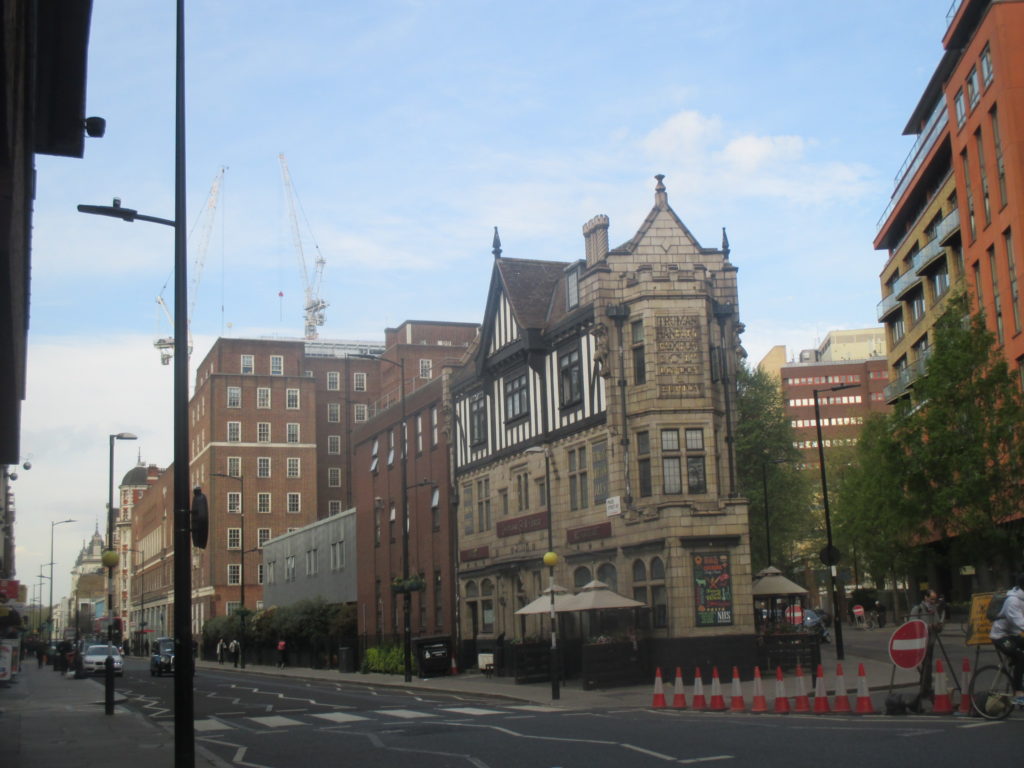
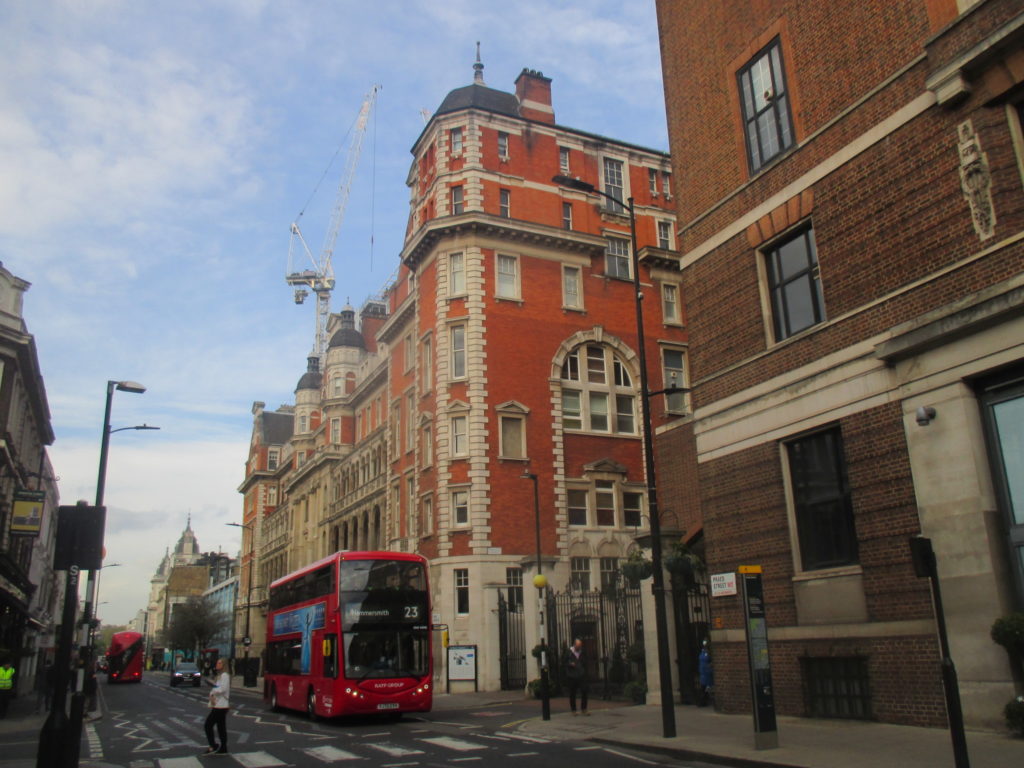
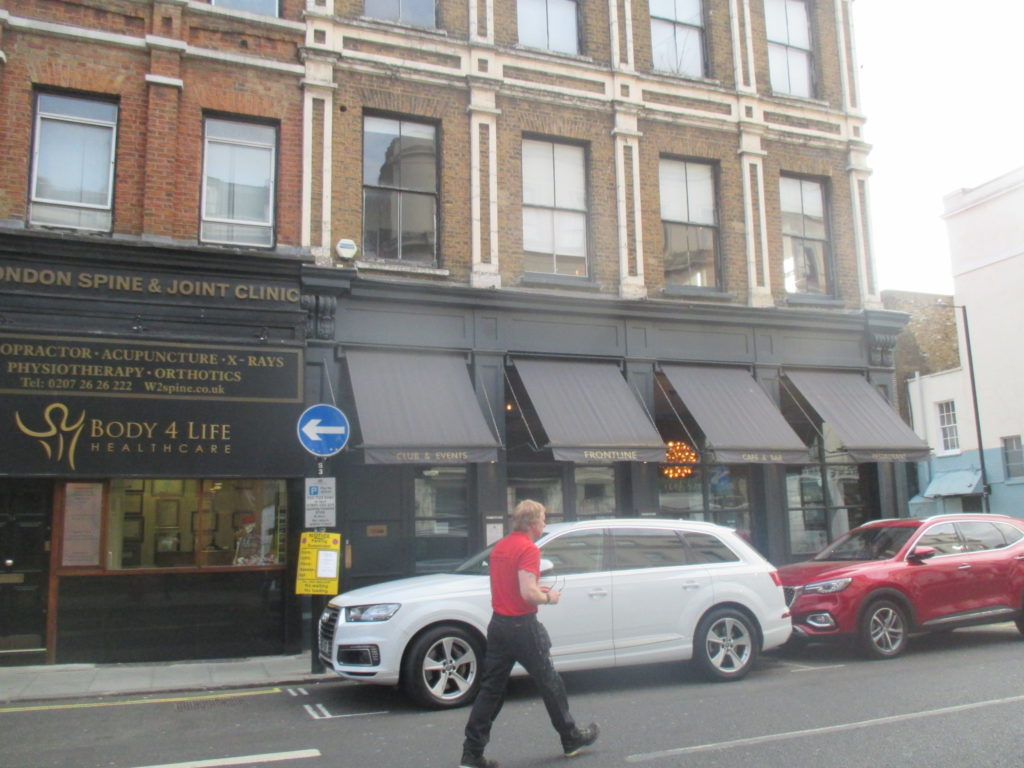
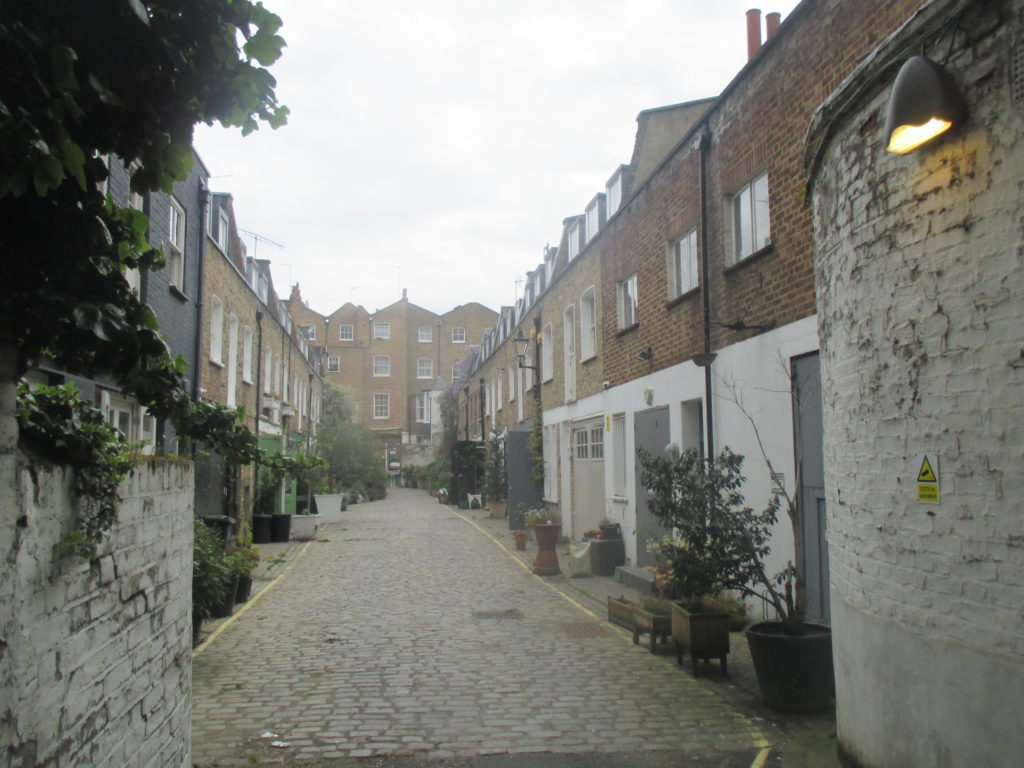
Ma chambre est cosy et sa fenêtre donne sur les toits, l’hôtel est proche de Sussex Place et de Gloucester Square, presque en face du luxueux bâtiments devant lequel Assange fut photographié à la volée le 25 juillet 2010 et dont la photo montre un garçon au beau visage noble mais triste et préoccupé. Je suis toujours là pour lui et pour comprendre qui il est et trouver le moyen de le libérer, ces endroits déjà historiques comme le St Mary’s Hospital, le Frontline Club toujours en activité, le Panache Café, la Westminster Court et ses environs, me rappellent la vraie raison de mon séjour ici.
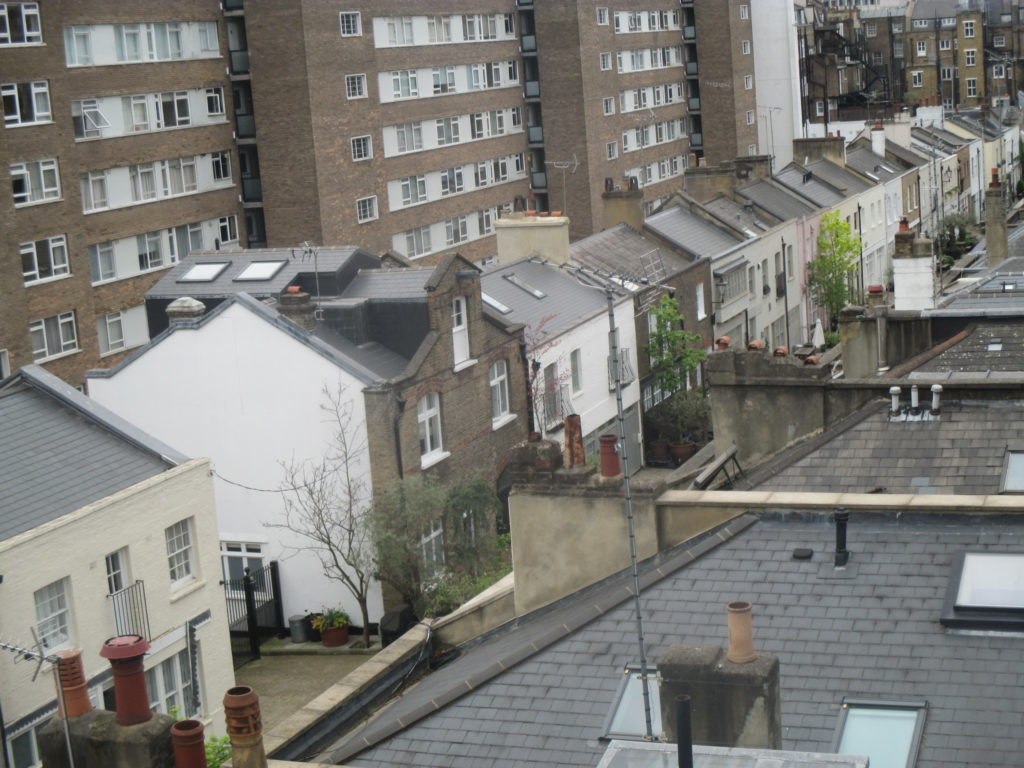
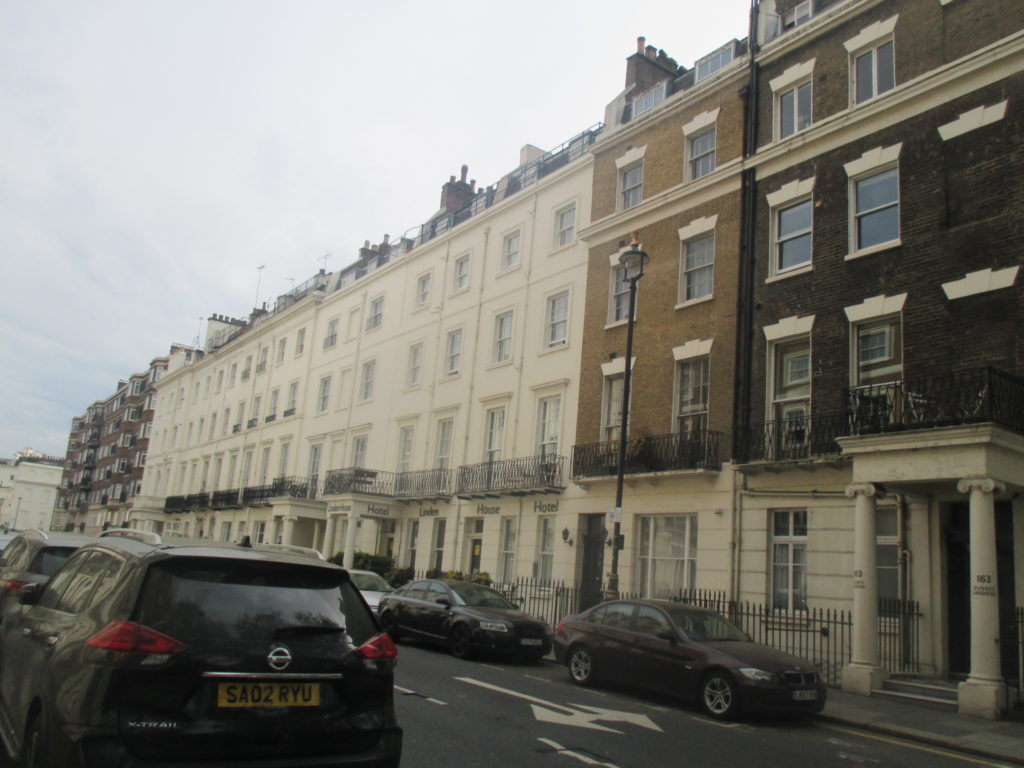
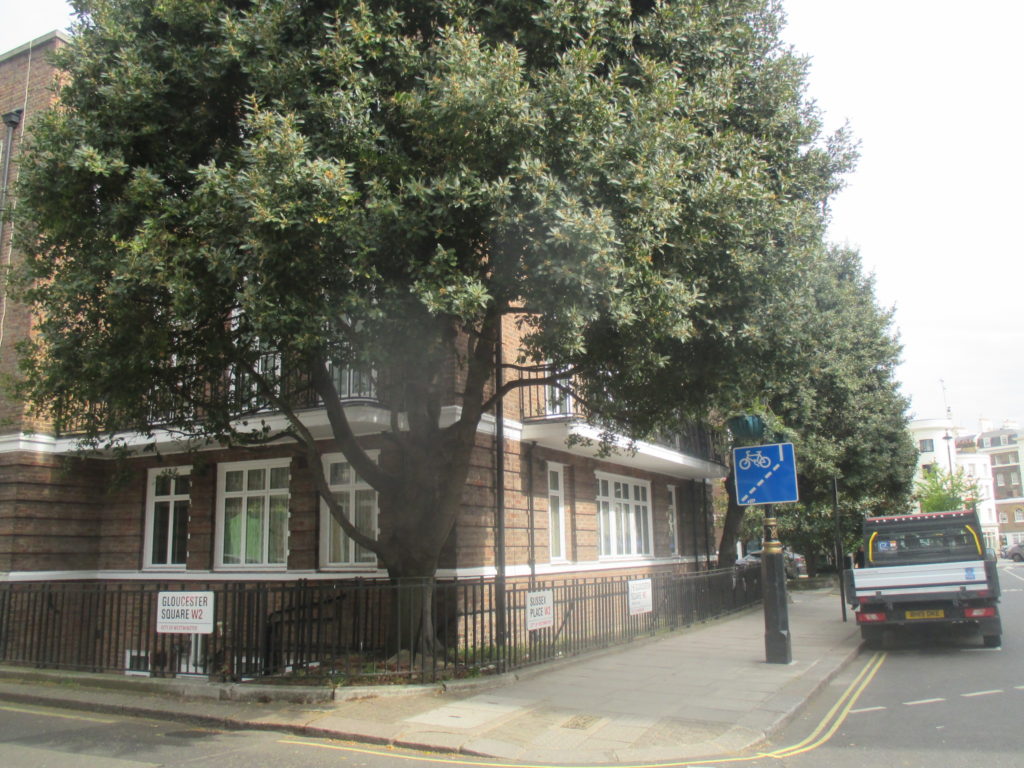
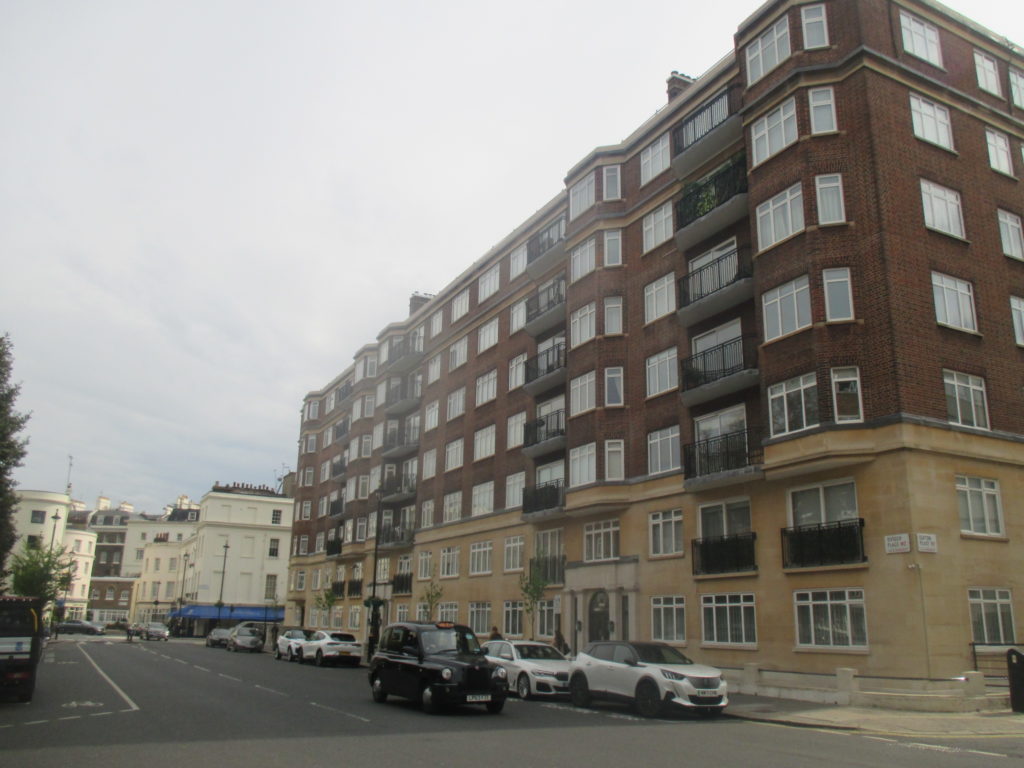
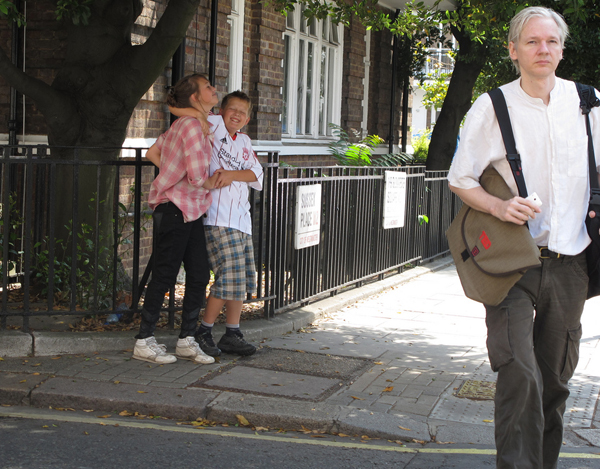
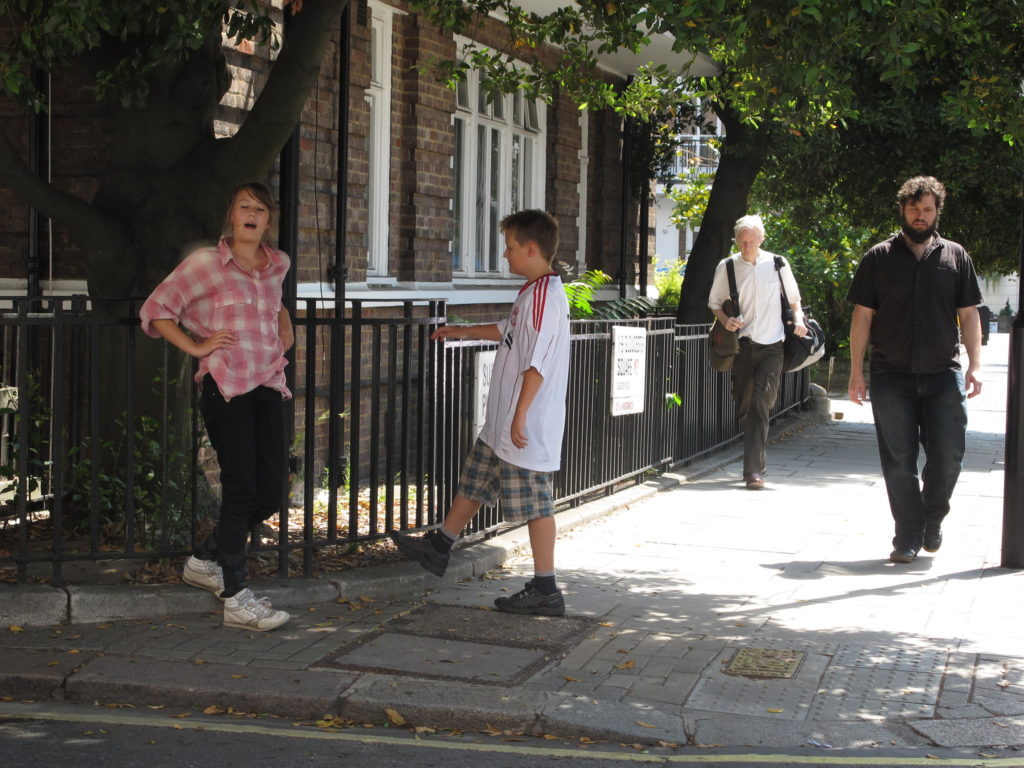
Lieux de pouvoir politiques à Londres
Après une courte sieste je décide de continuer mon exploration des lieux de pouvoir anciens et présents dans cette cité de la mondialisation historique. Je reviens ainsi vers la Westminster Court à Marylbone Road qui est déserte et parait fermée pour cause de vacances.
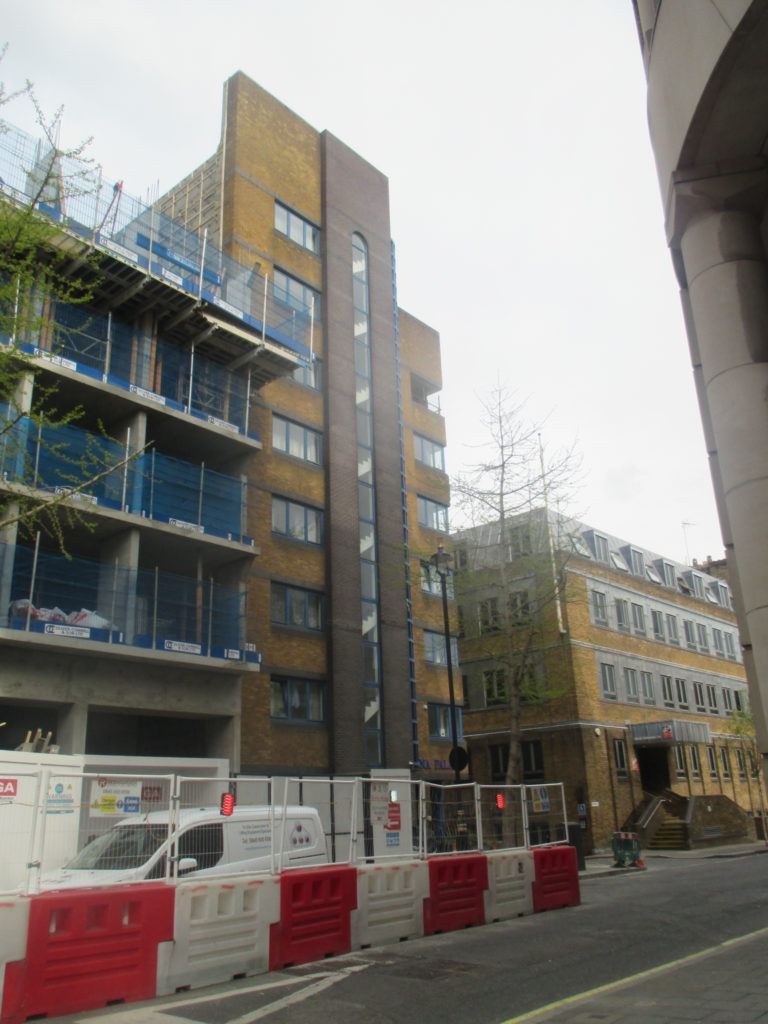
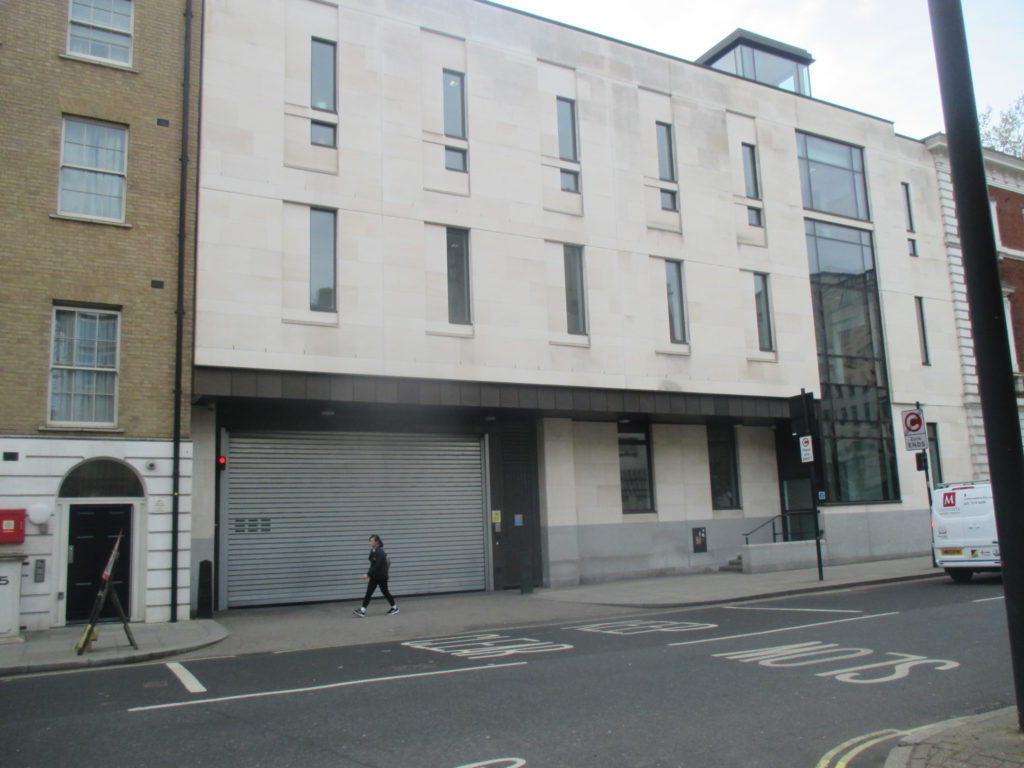
Je descends la rue Seymour place pour rejoindre le Square Montagu connu pour avoir été le domicile des ou les Beatles au cœur du quartier Marylbone, alors un quartier encore populaire – le tribunal de police de Marylbone ancêtre de notre Westminster Court s’occupait alors du sous prolétariat londonien, enfants perdus, petits délinquants et prostitués[1].
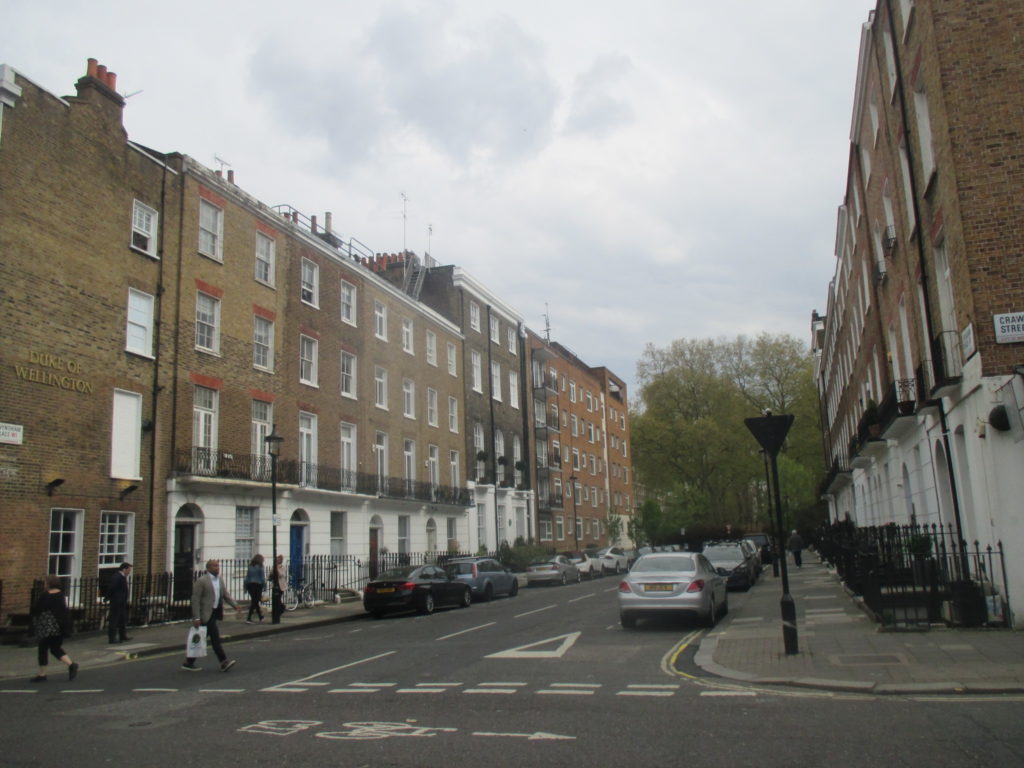
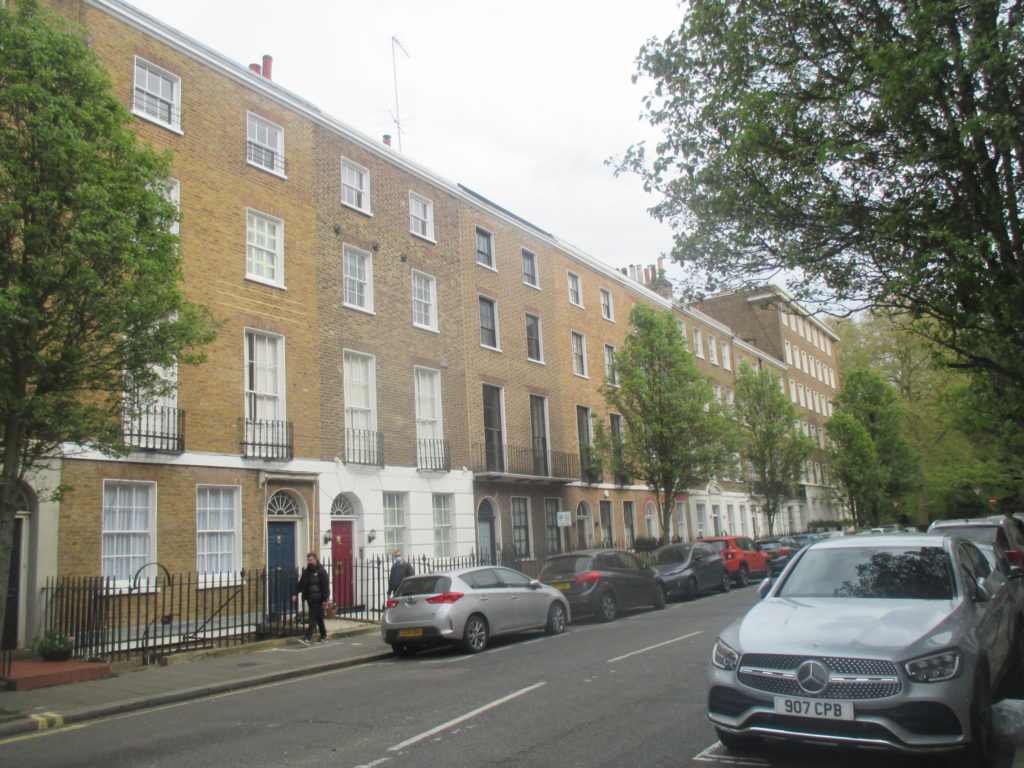
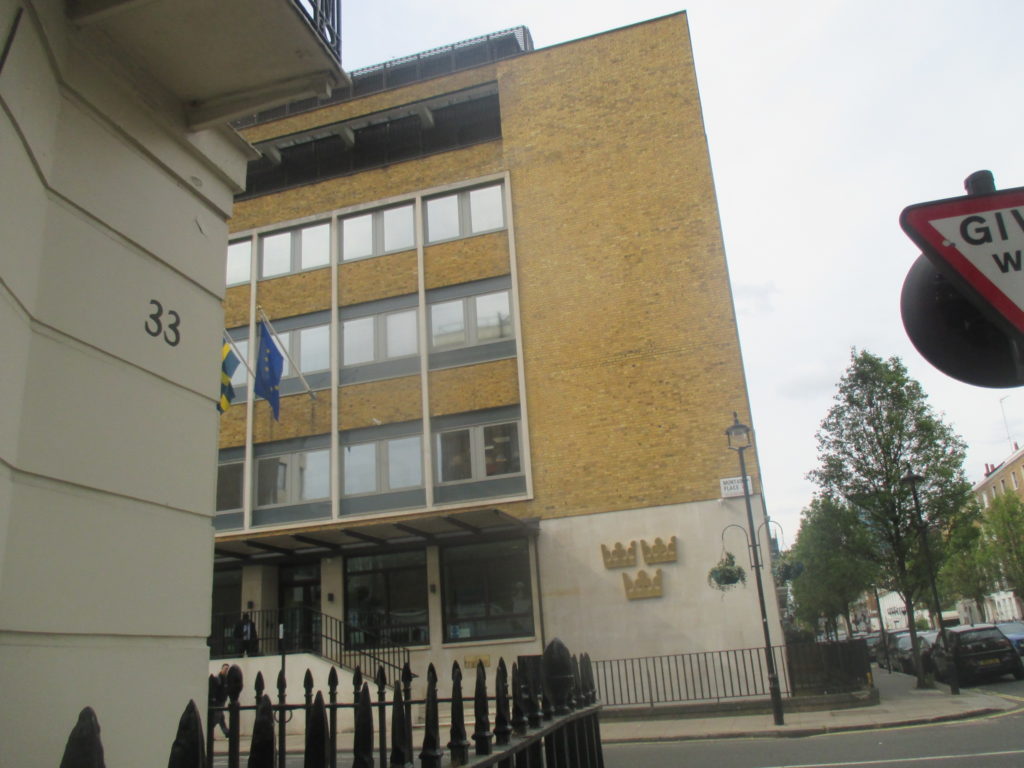
A l’angle du joli Square Montagu se trouve le petit bâtiment moderne de l’ambassade de Suède, insolite dans ce quartier qui n’est pas celui des missions diplomatiques. La mission suédoise se trouve donc à à peine quelque centaines de mètres des lieux de séjour et des lieux de détention de Julian Assange (Frontline Club, Westminster Court depuis 10 ans …) ce qui m’a toujours intrigué.
Elle est aussi par excellence un lieu de pouvoir si on songe que la cabale des services spéciaux suédois a provoqué depuis 2010 à 2019, pendant 10 ans donc la mise en route de la machine infernale du Mandat d’Arrêt Européen contre Julian Assange et de la triste campagne mensongère le présentant comme un violeur en série patenté.
Pourquoi les services secrets suédois ont-ils autant d’influence sur la politique britannique ? Est-ce dû aux liens familiaux entre la royauté suédoise et les possesseurs du trône britannique ? La dernière étant Louise von Battenberg, sœur d’Alice von Battenberg (et grand-mère des deux jeunes hommes présentés comme héritiers actuels du trône britannique) par mariage avec le roi de Suède Gustave Adolf VI et fut donc reine de Suède de 1950 à 1965, (arrière-petite-fille de la reine Victoria par sa mère Victoria von Darmstadt Hesse et par Louis von Battenberg)[2]. Louis von Battenberg fut aussi le créateur des services secrets britanniques qui furent d’abord en 1901 ceux de la Navy[3]. Le roi actuel de Suède est le petit-fils d’une autre petite fille de Victoria, Marguerte, fille d’Arthur von Sachsen Coburg Gotha, troisième fils de Victoria et d’Albert von Sachsen Coburg Gotha[4].
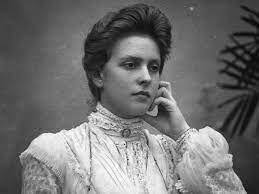
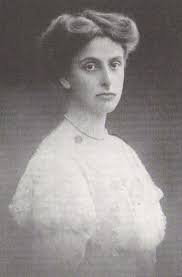
A peine 300 mètres plus loin vers l’est commence le quartier historiques des services secrets sous la seconde guerre mondiale : je quitte l’ambassade de Suède par la Dorset Street pour rejoindre la Barker Street qui parcourt le quartier du Nord au Sud. Au Croisement des deux rues se trouve au 64 Baker Street l’immeuble commercial gris de 5 étages qui fut le siège du Special Operations Exécutive, le service secret de Churchill pendant la guerre.
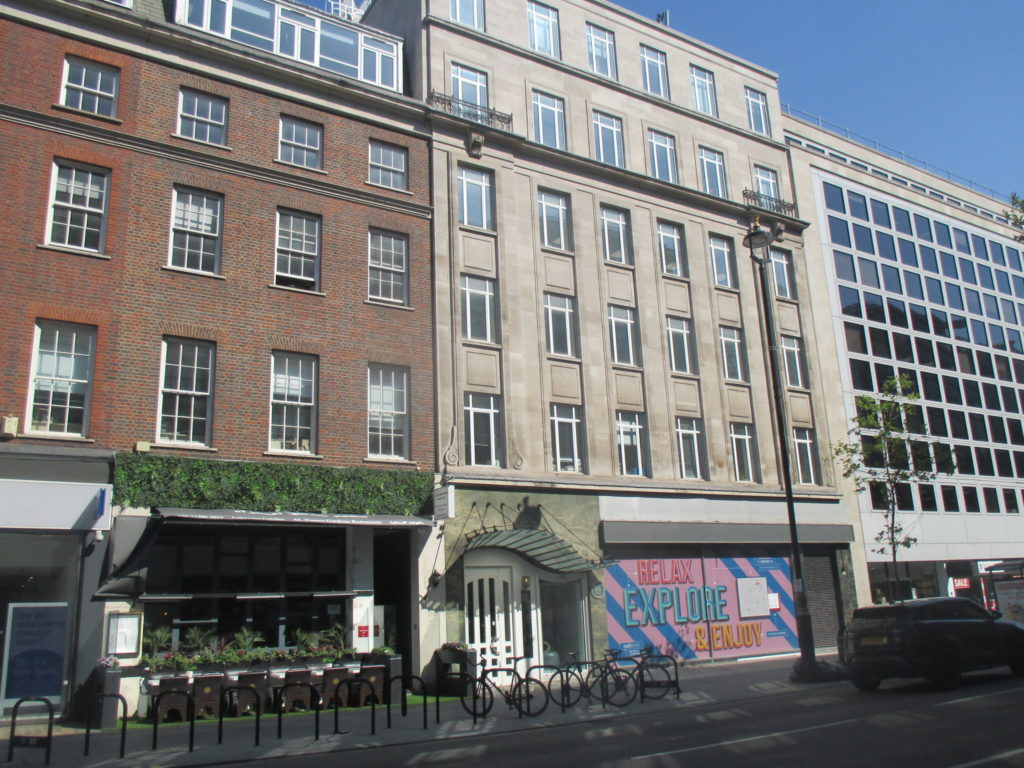
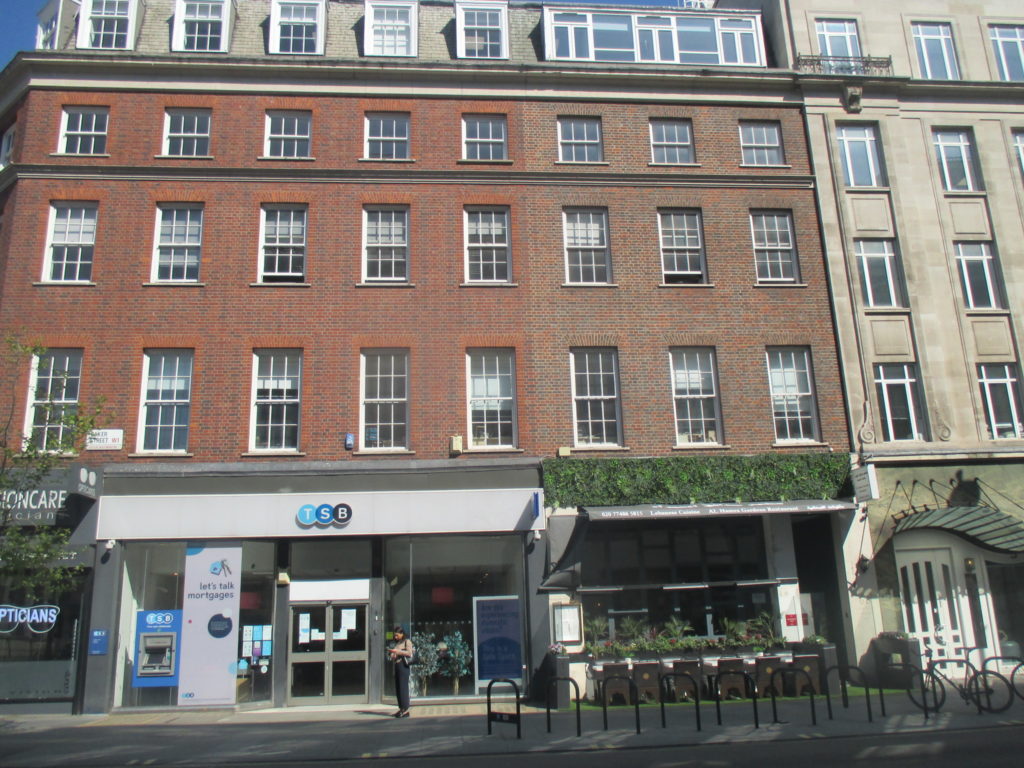
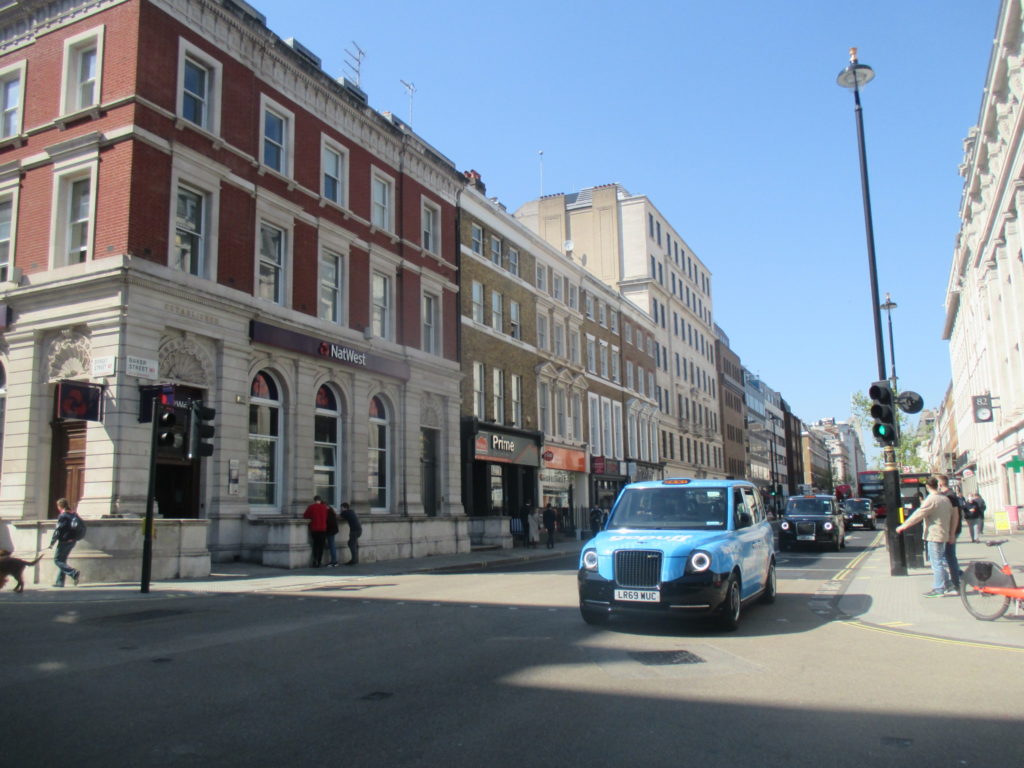
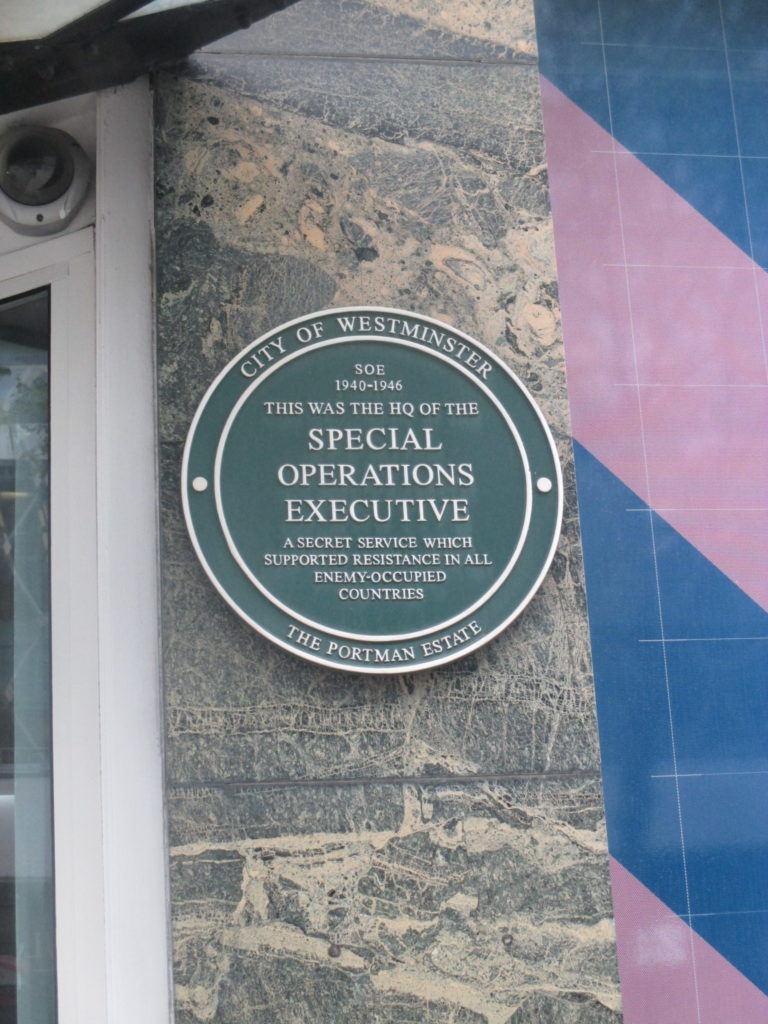
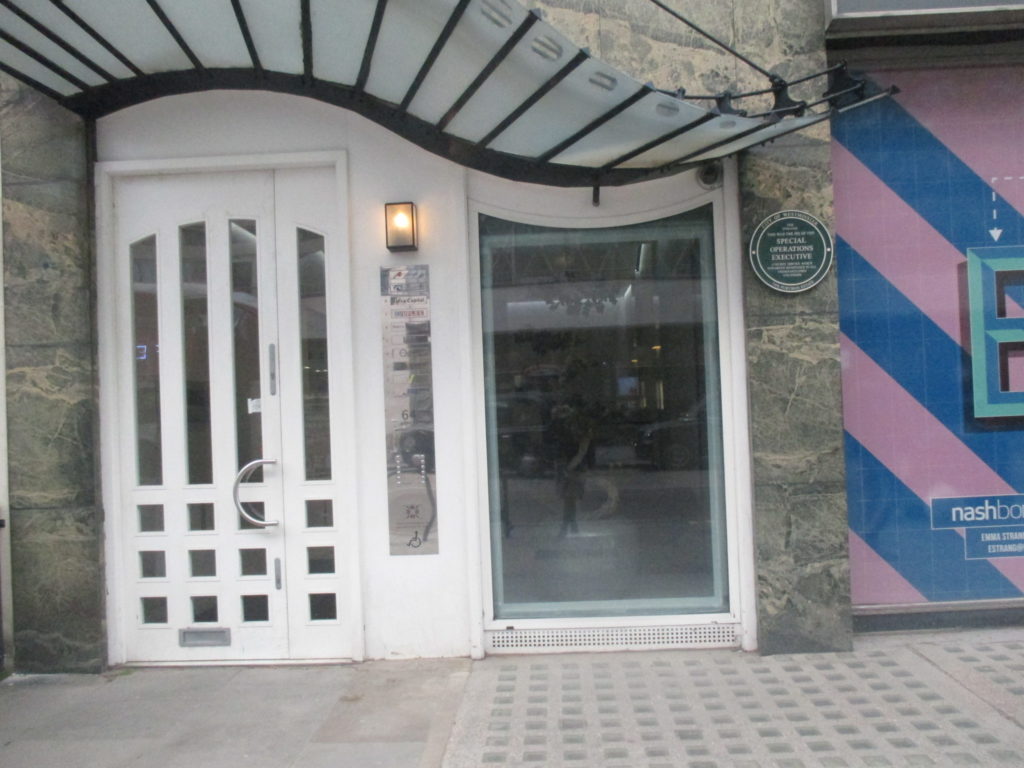
Cette institution dépendant du Ministère de la guerre, et non pas de l’Intelligence Service, a comme l’indique la modeste plaque verte sur la façade : « Ici se trouvait le quartier général du Special Operations Exécutive le service secret qui a soutenu la résistance dans tous les pays occupés 1940-1946 »[5].
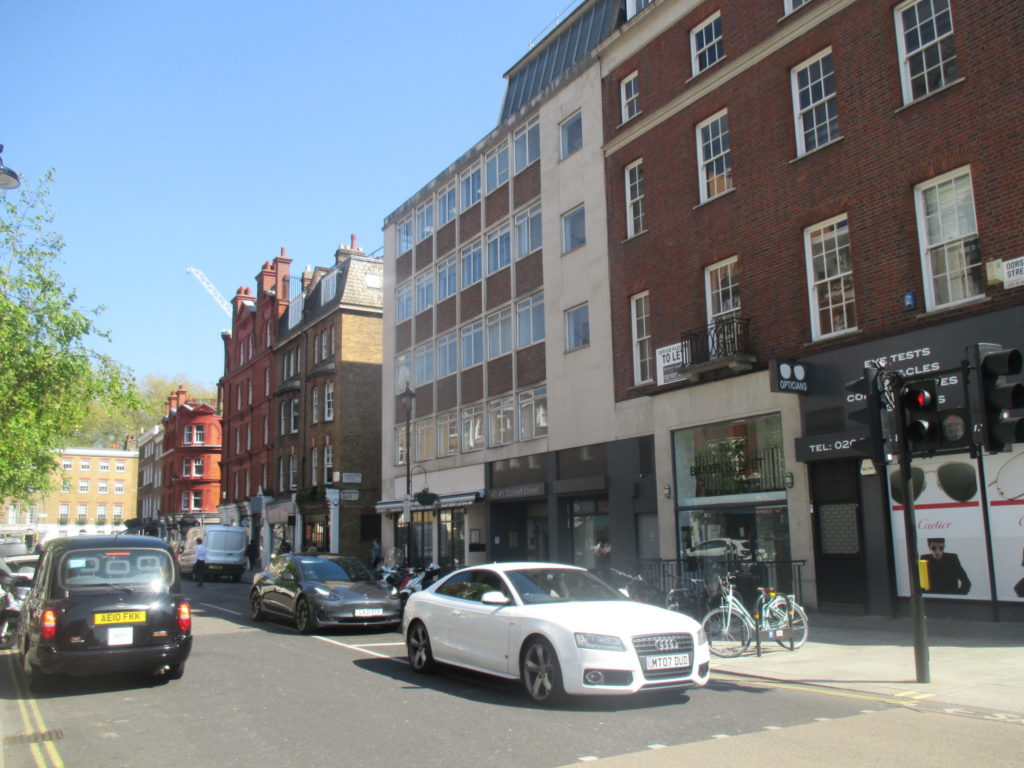
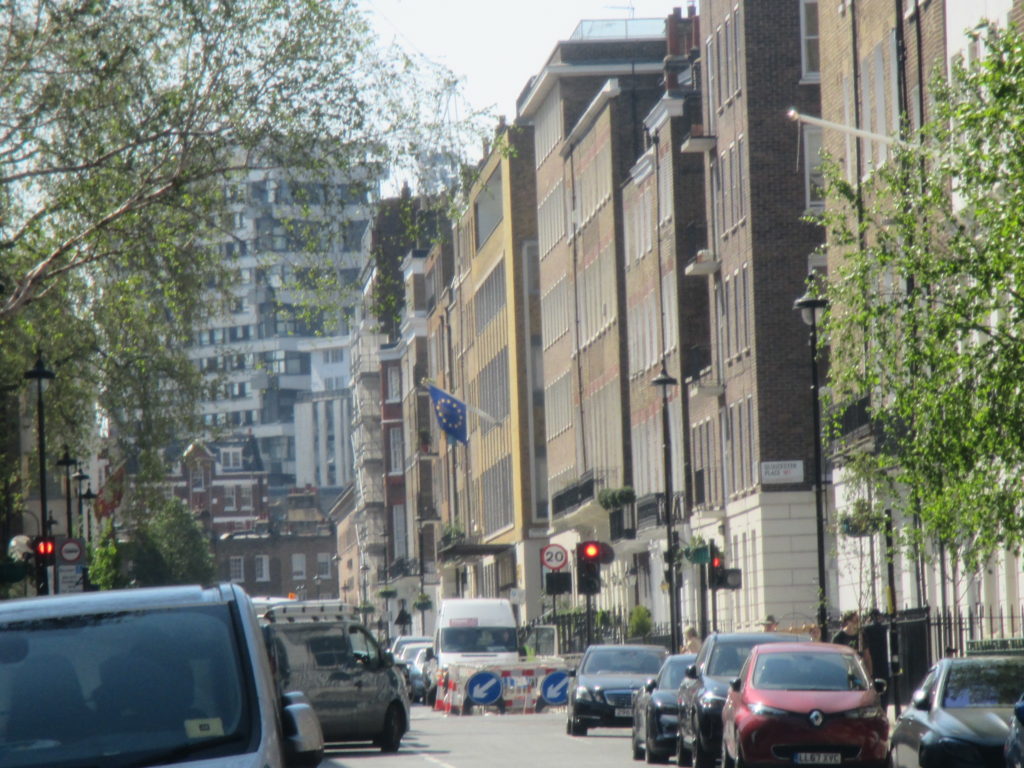
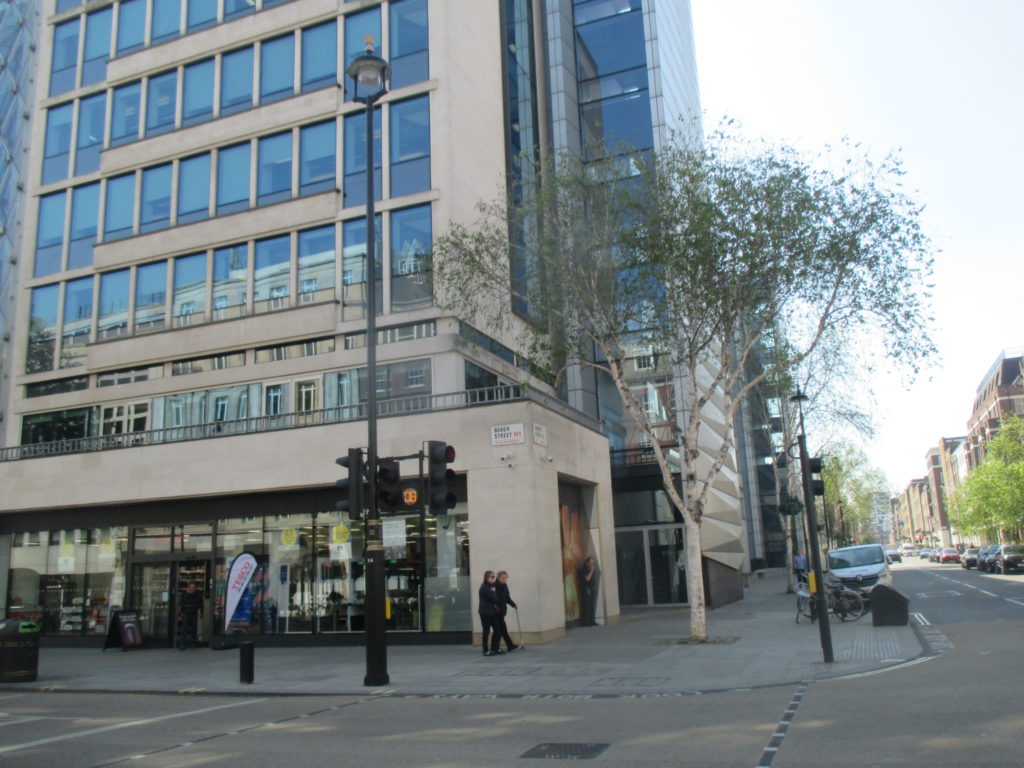
La lecture des livres de l’historien spécialisé Michaël Foot ainsi que différents mémoires écrits par les protagonistes de l’aventure m’ont néanmoins appris que l’immeuble en briques rouges attenants ainsi que d’autres bâtiments autour du jardin Dorset proche abritaient les bureaux dont l’activité débordait et les appartements ou étaient logés les agents en mission et où se tenaient les réunions secrètes[6].
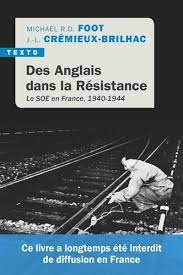
En ce temps post-covidien de 2022 le quartier est calme, les boutiques désertes et les bureaux commerciaux attendent des repreneurs. L’ambiance change cependant à peine quelques centaines de mètres plus bas : je tourne à gauche et je traverse le beau jardin et j’arrive sur la petite rue Duke Street qui relie le jardin à Wigmore street parallèle.
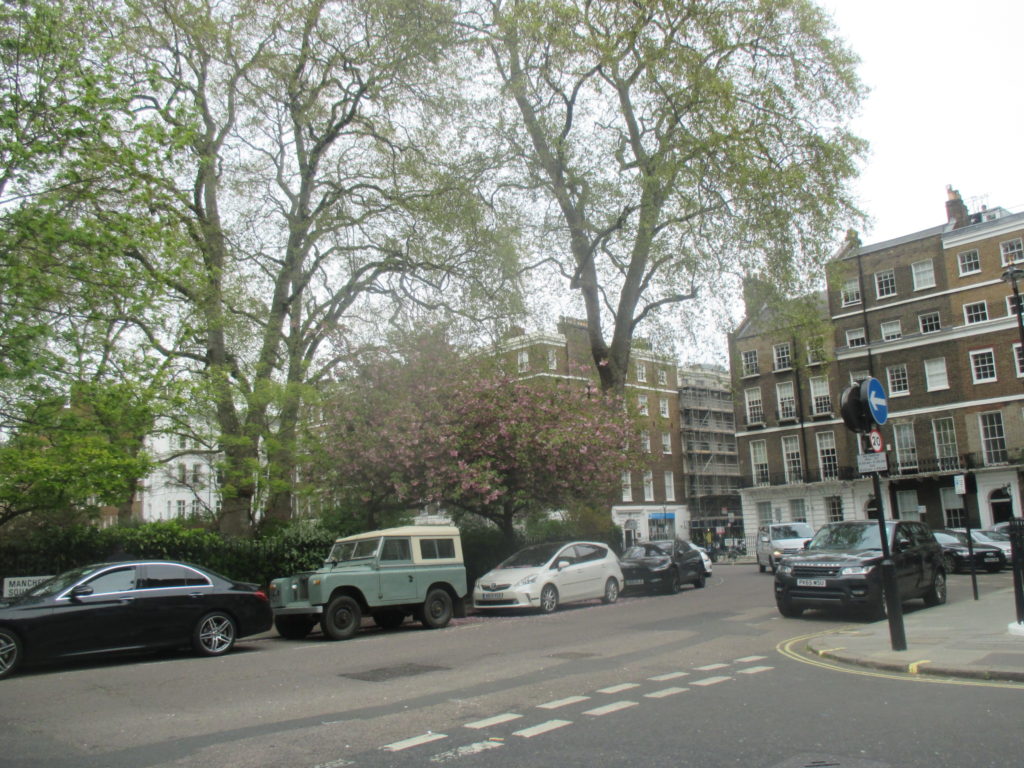
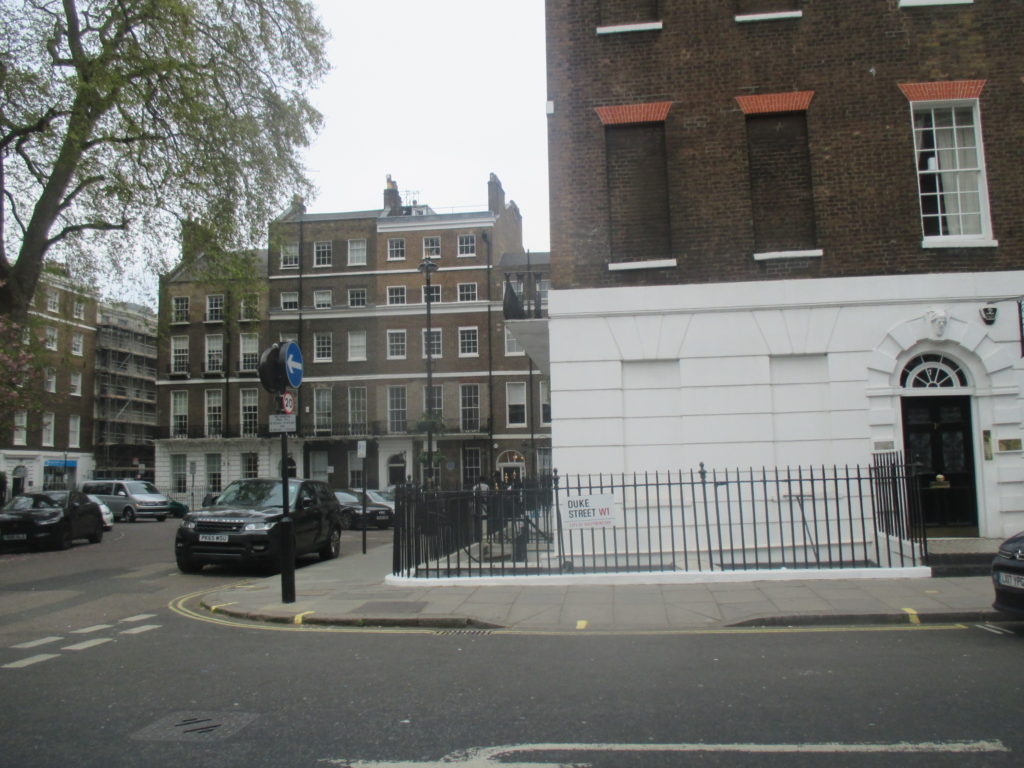
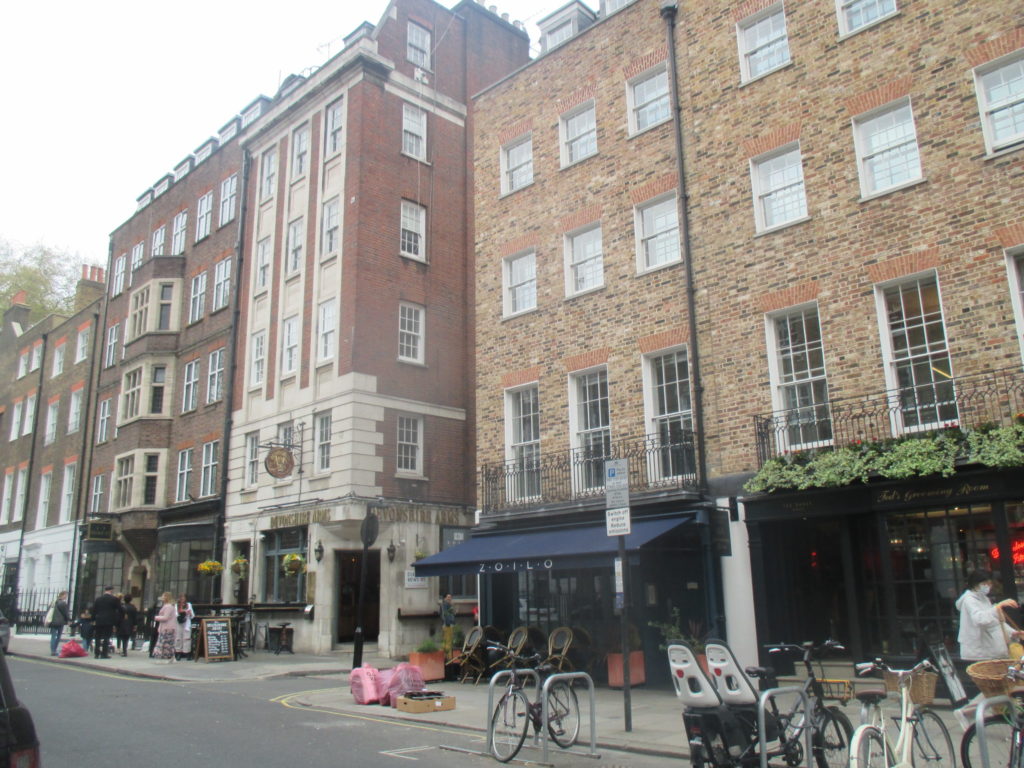
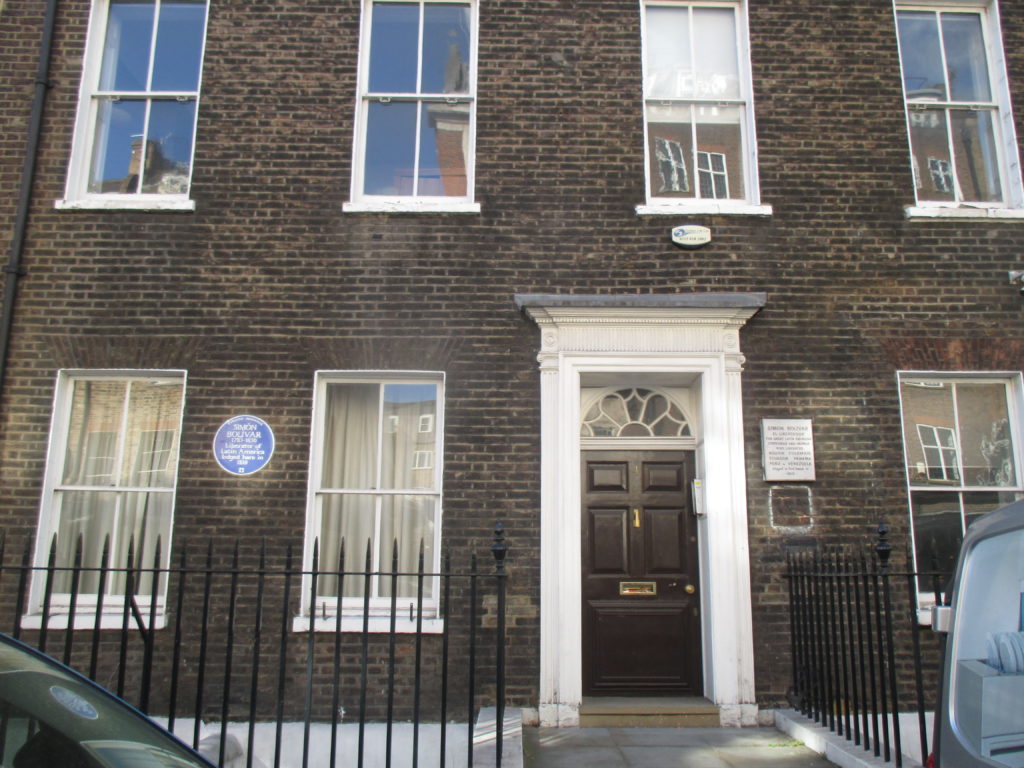
Ici commence, derrière le grand magasin Selfridge, le quartier de shopping Oxford Street. Une foule multicolore se presse, dans une ambiance d’allégresse, dans les nombreux magasins pour un shopping de folie.
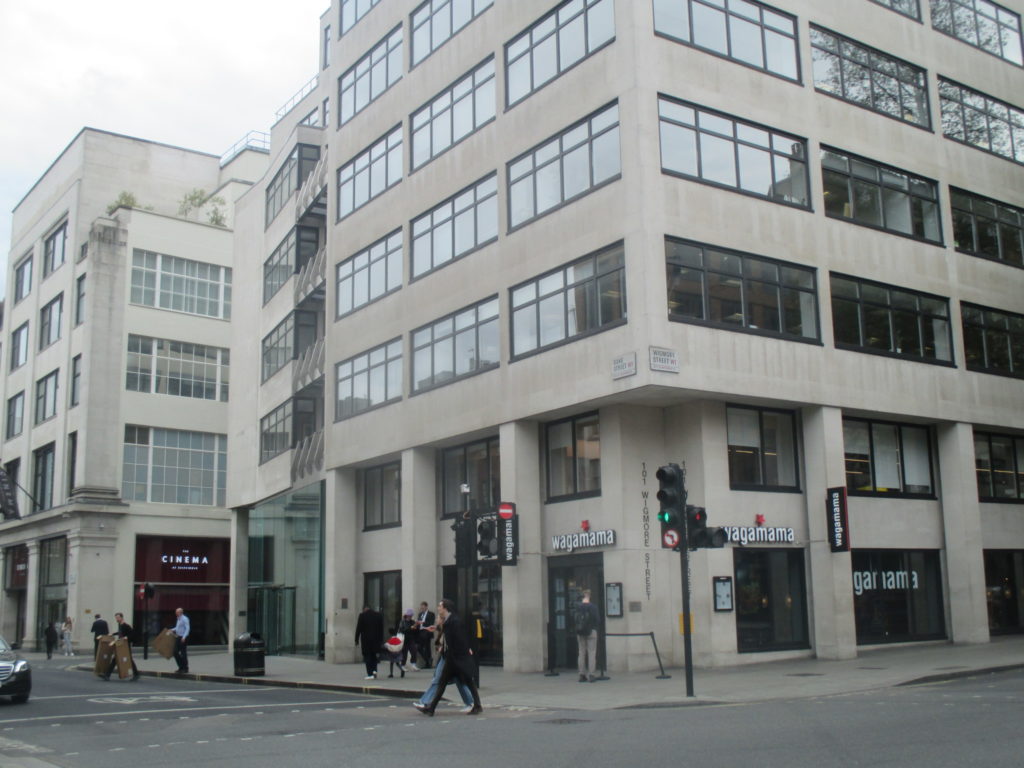
Les pancartes de soldes voisinent dans les vitrines avec des offres d’emplois… Pas de doute, les touristes sont bien revenus à Londres et le système économique anglais profite entièrement de l’annulation de la folie covidienne depuis 9 mois alors que Paris se relève difficilement de la mort sociale que représente le pass sanitaire, les interdictions de circuler, de vivre et de profiter de la vie. De nombreux Européens, Allemands, Néerlandais, Français, Espagnols, s’adonnent aux joies du shopping de vêtements, de cosmétiques et de toute sorte de choses inutiles. Pour moi, jamais l’inutile ne me parut aussi nécessaire, comme une célébration de la vie après une longue nuit mortifère.
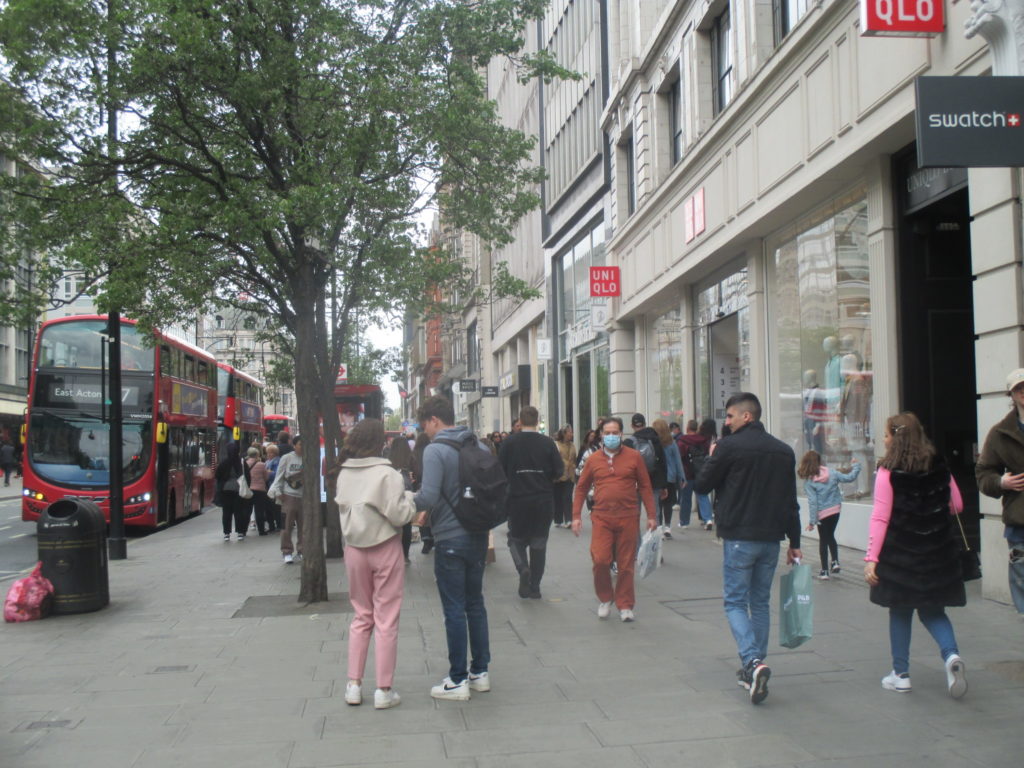
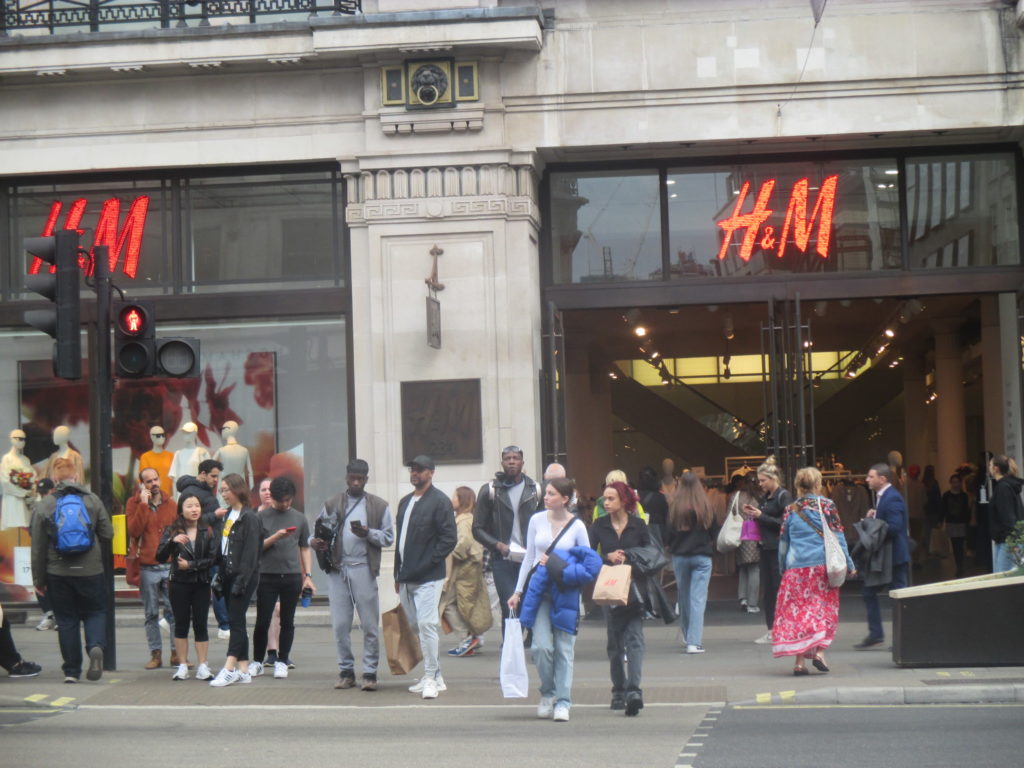
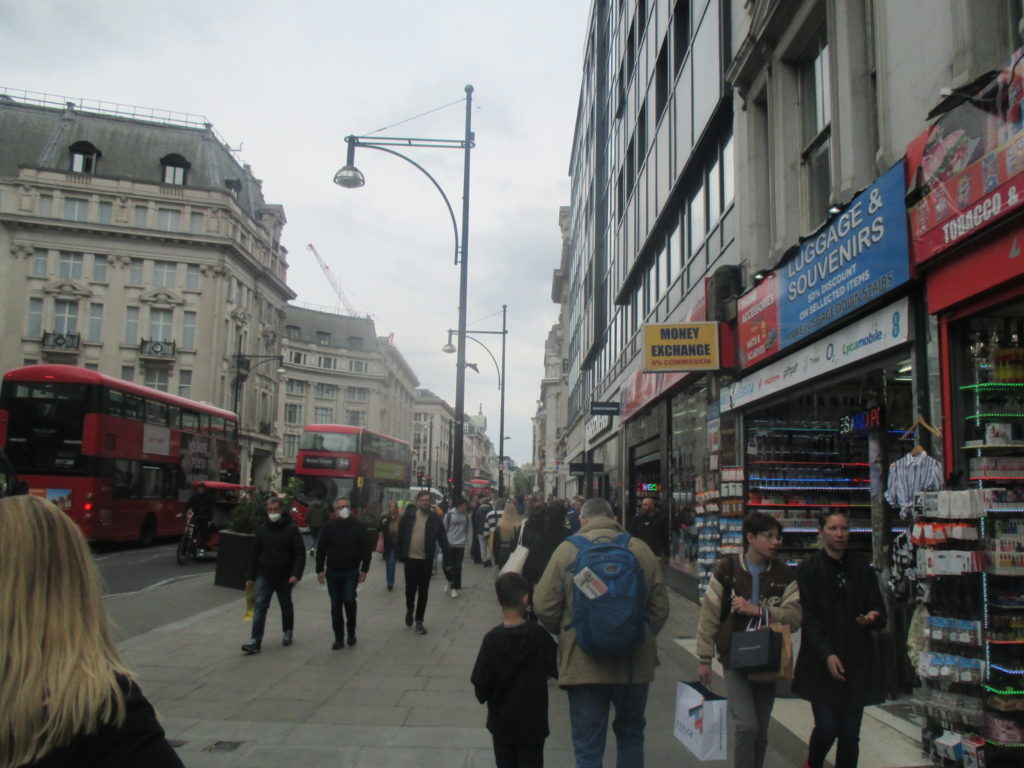
Je respire avec joie la bonheur de mes semblables humains tout en continuant mon exploration historique et politique : derrière le Selfridge se trouve la rue Orchart Street qui relie le square Portman et la rue Wigmore aux magasins de Oxford Street. Dans différents témoignages, c’est dans un hôtel de cette rue que le chef de l’Intelligence Service, Sir Claude Dansey, aimait recevoir les agents français qui travaillaient pour lui, notamment ceux du réseau Alliance.[7]
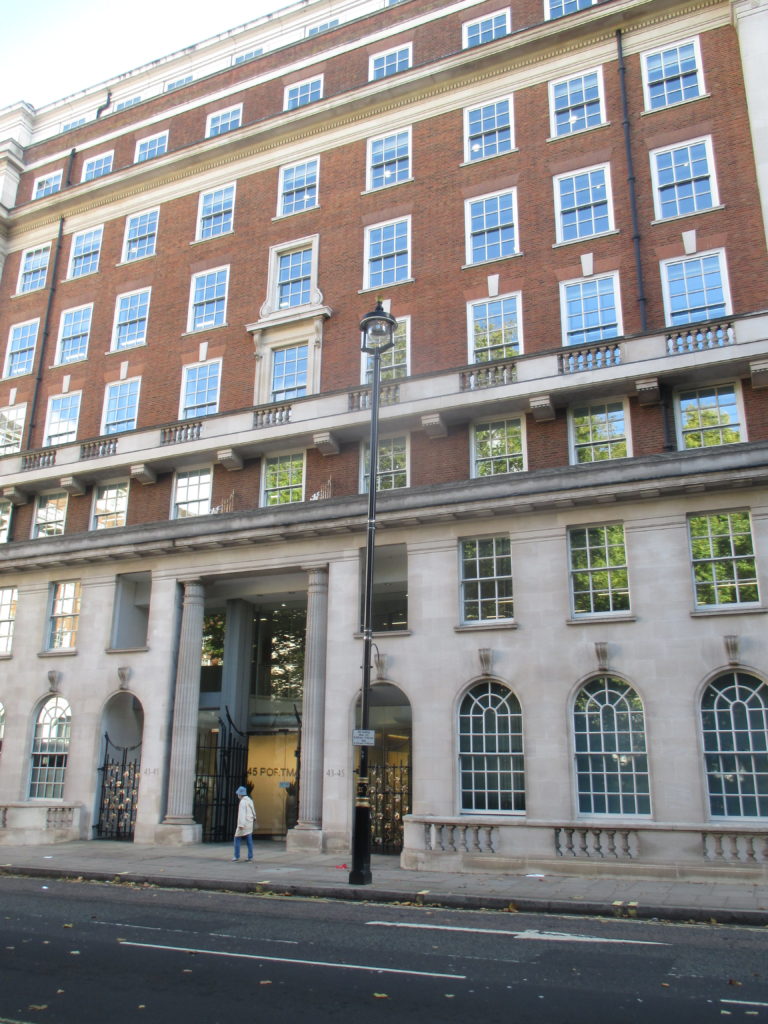

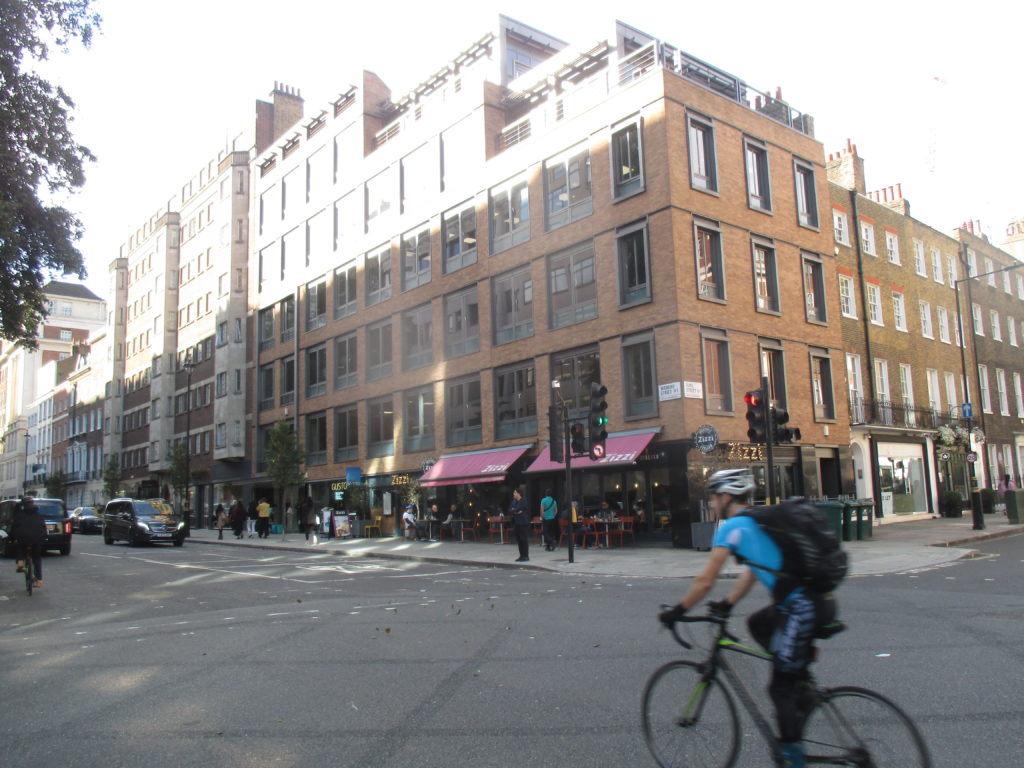
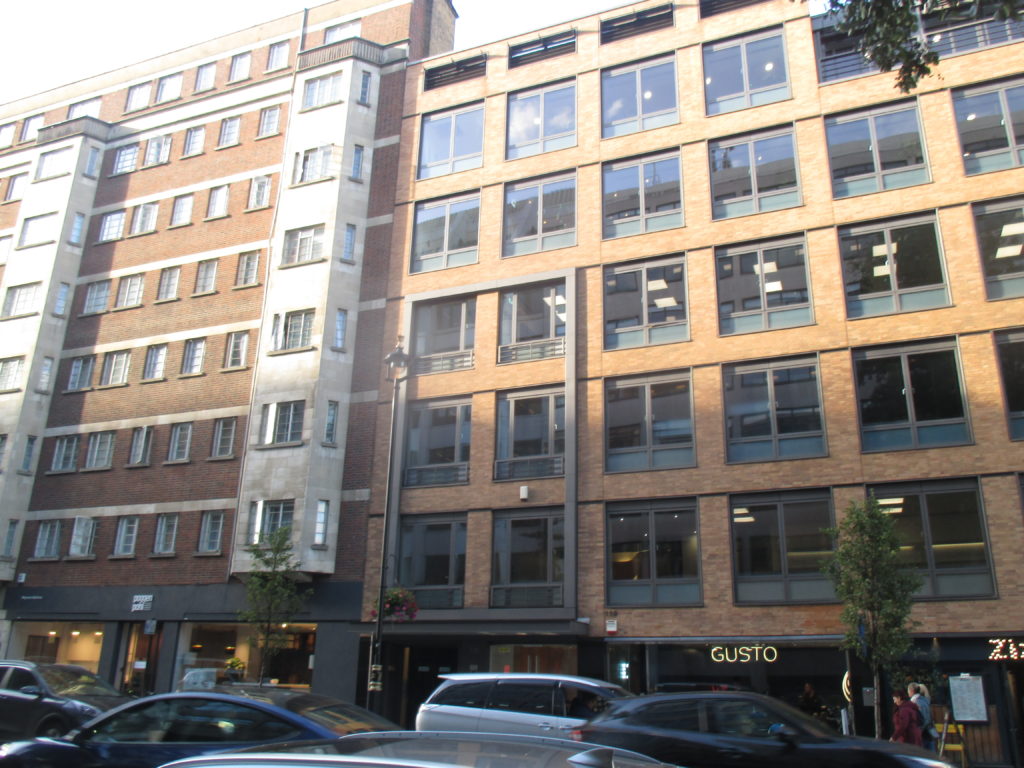
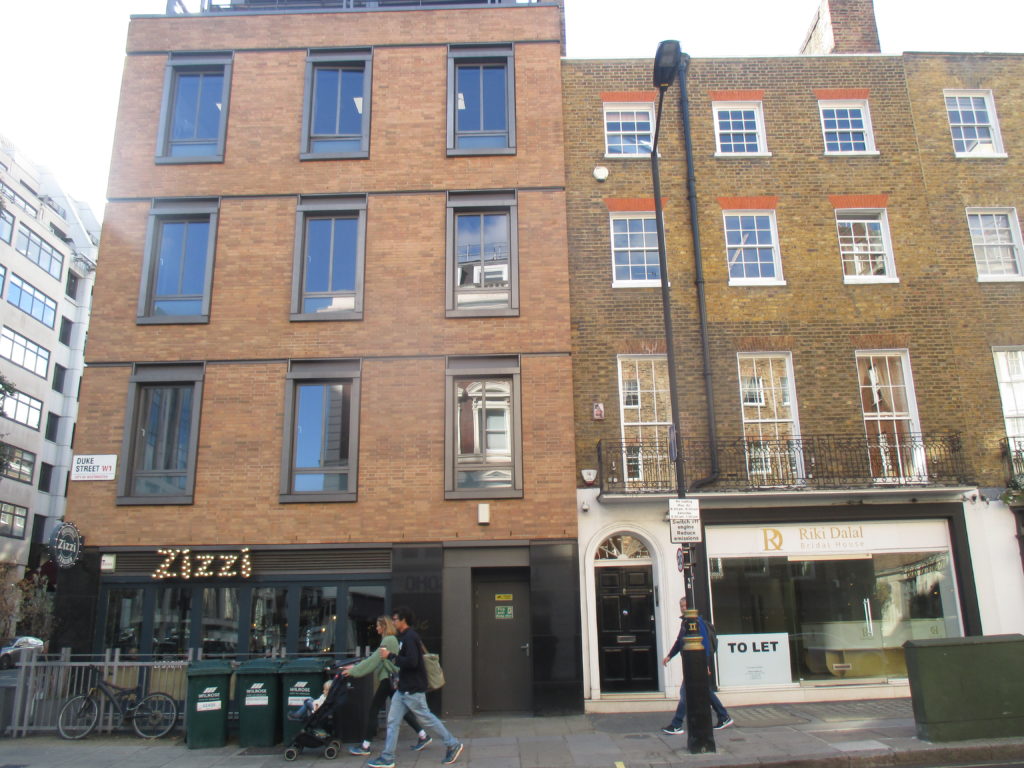
Je suis surprise de constater que les bureaux du SIS se trouvait donc à une encablure de l’immeuble que le gouvernement de Churchill avait alloué au BCRA, les Services Secrets de la France Libre, dirigés par André Dewavrin, dit colonel Passy, au 10 Duke Street.
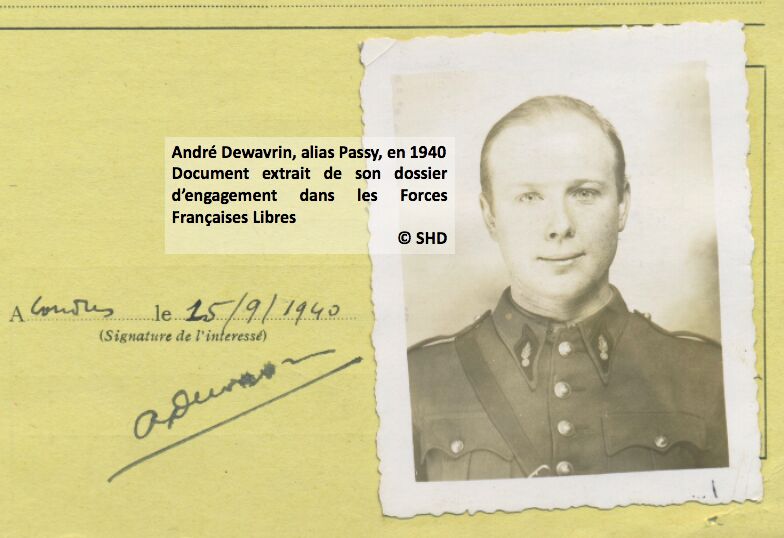
Ayant lu avec profit les mémoires de cette personnalité intéressante que fut André Dewavrin[8], je m’imagine ce que devait être un « quartier des espions » ou tout le monde se retrouvait dans les même restaurants, magasins et peut être dans des appartements mitoyens…
La petite rue Duke Street est composée des habituelles petites maisonnettes en briques pleines d’un charme paisible. Sur l’une d’elle une plaque signale que Simon Bolivar, le libérateur de l’Amérique Latine y vécu en 1810. Il n’y a aucune trace du BCRA sur le 10 Duke Street qui est un immeuble neuf, datant certainement de moins de 10 ans. C’est dommage que ce pan important de l’histoire de franco-britannique ait été aussi vite effacé alors que le SOE a fini par signaler son histoire sur son immeuble de Baker Street. En bas de l’immeuble du 10 Duke Street se trouve un restaurant italien au curieux nom de « Zizzi ».
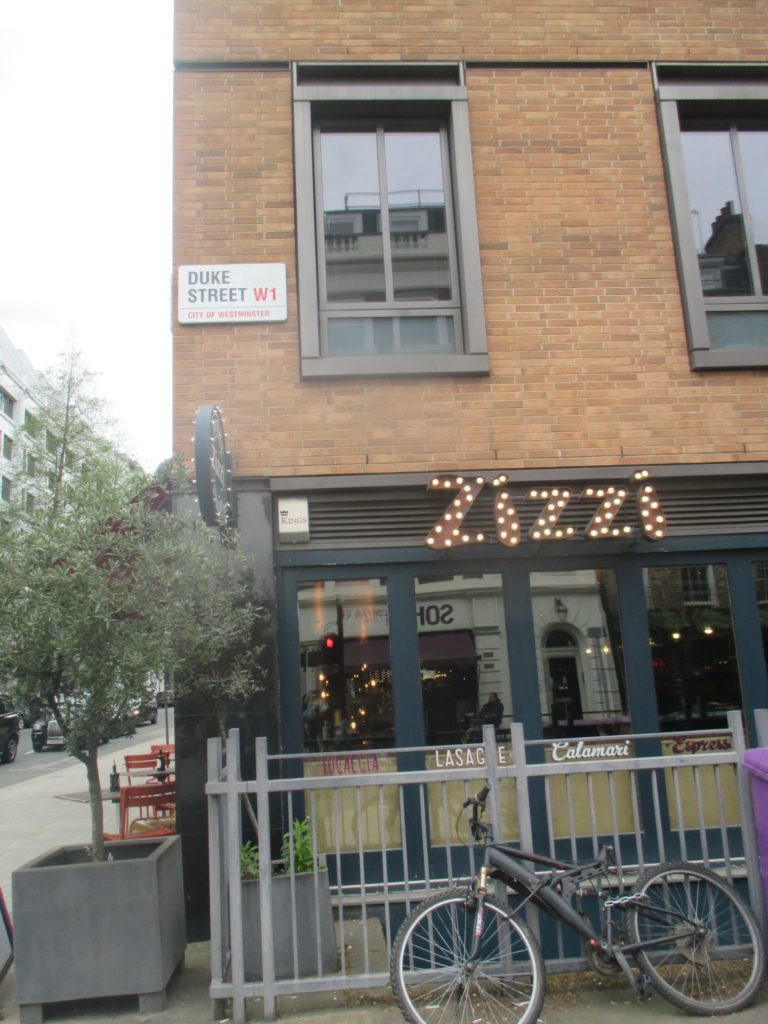
Déçue, je quitte le « quartier historique des espions » pour m’enfoncer dans la foule acheteuse d’Oxford Street, puis la Regents Street pour finir sur la place Picadilly Circus, toujours aussi densément envahie. Je me dirige vers le saint des saint de l’histoire gaulliste, le fameux Carlton Gardens, proche du Square Saint James.
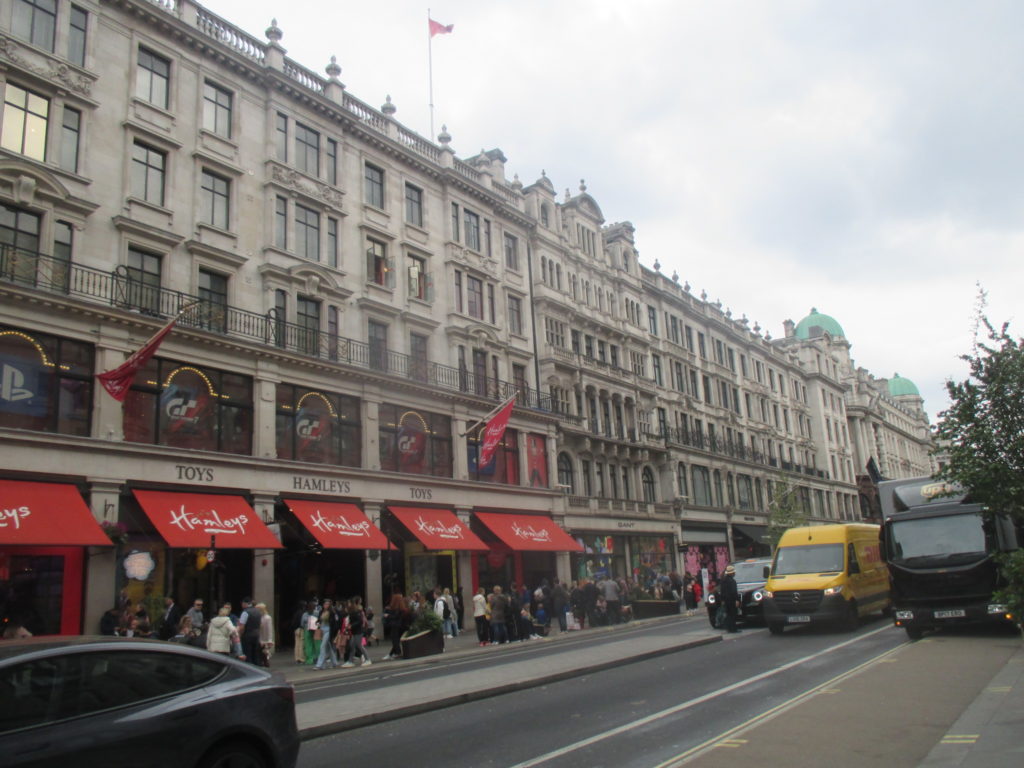
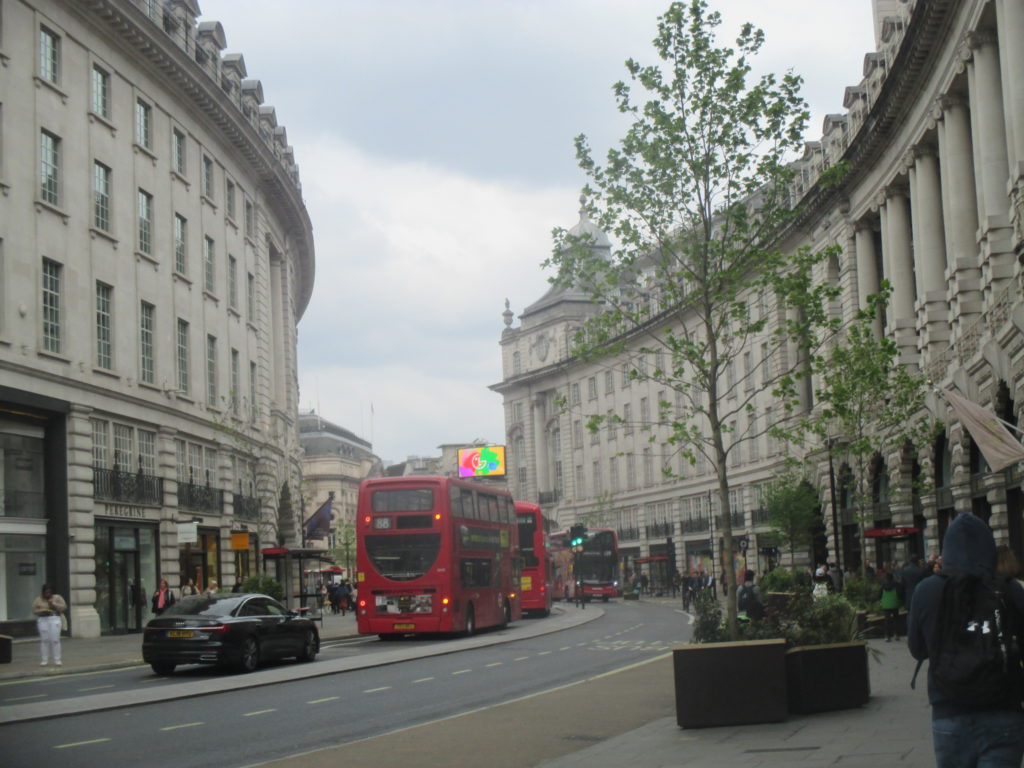
Je suis encore plus déçue : certes, dans le square Saint James ainsi que le jardin du Carlton Gardens les lilas embaument déjà l’air et les grand arbres veillent sur d’élégants petits hôtels particuliers.
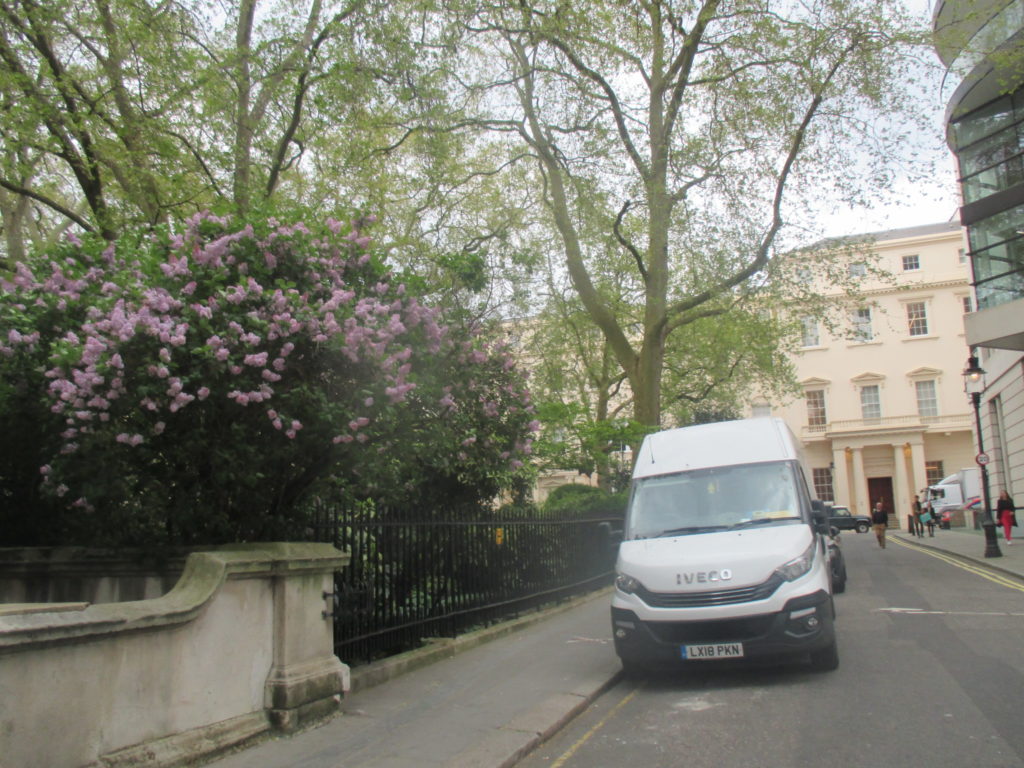
Le lieu historique du 4 Carlton Gardens se présente comme l’extrémité est d’un grand immeuble bourgeois victorien de 5 étages aux hautes fenêtres à l’extrémité d’une impasse. Au niveau du rez de chaussée sur le mur à droite de la porte d’entrée je trouve la petite plaque en faïence bleu mémoriel du « Greater London Council ». Elle porte l’inscription « General de Gaulle, president of the French National Commitee set up the Headquarters of the Free French Forces here in 1940 » (« Le général de Gaulle, président du Comité National Français a fondé le siège des Forces Françaises Libres ici en 1940 »). A côté une belle plaque de granit gris reproduit en lettre dorée l’Appel du 18 juin avec l’inscription « Ici le Général de Gaulle établit son quartier général. Les Français Libres, ses compagnons, refusant avec lui d’accepter la défaite y ont poursuivi la lutte jusqu’à la victoire ».
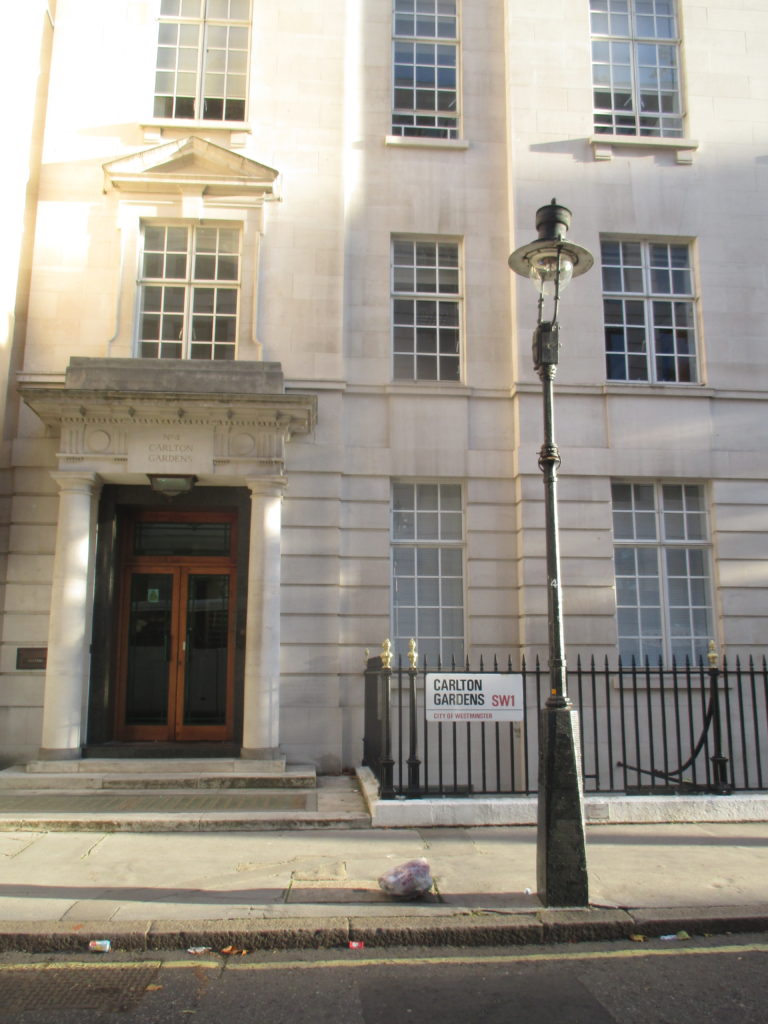
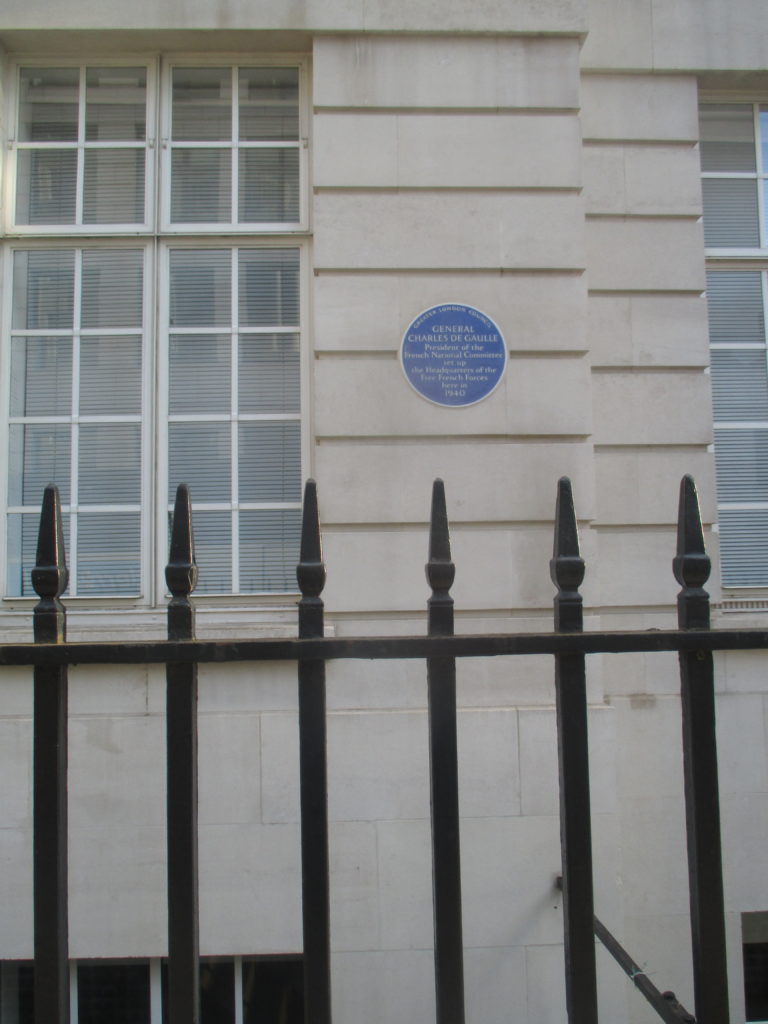
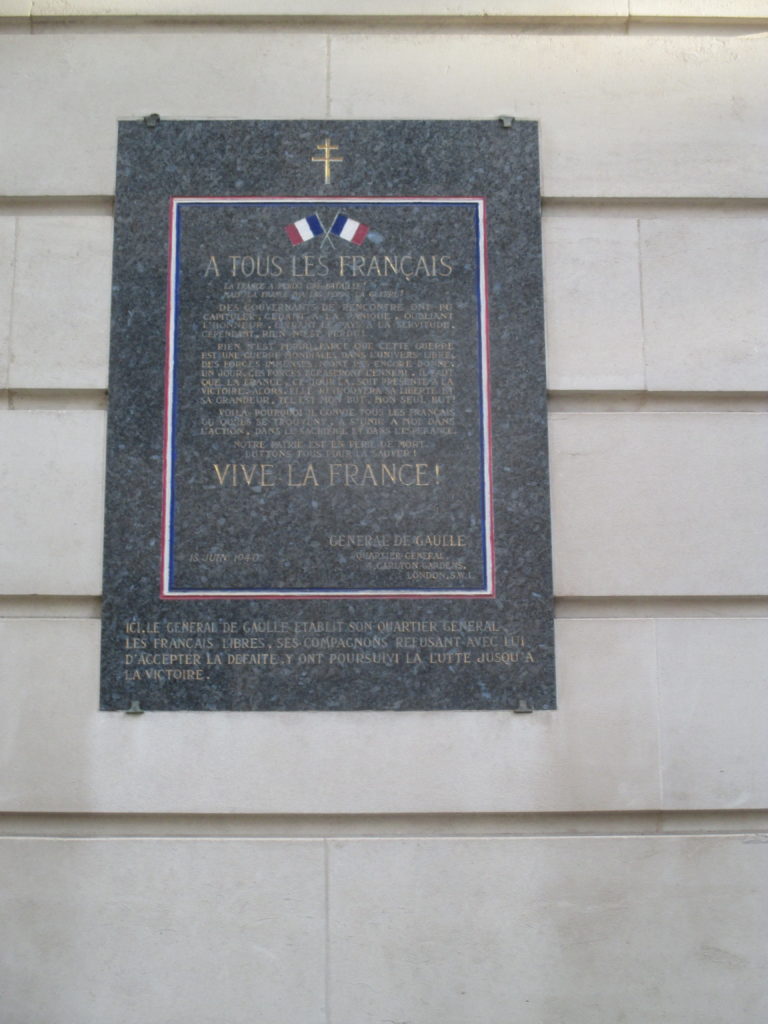
L’immeuble est sobre et élégant, bien rénové, mais il parait vide. Certaines sources parlent d’un jardin sur lequel aurait donné les bureaux du Général de Gaulle, mais je m’aperçois vite, perplexe, que le 4 Carlton Gardens fait l’angle de l’immense complexe appartenant en réalité au Royal Automobile Club et qu’il ne donne que sur une petite place arborée au fond de l’impasse qu’est le « Carltons Gardens ». Le bureau du Général ne pouvait pas nom plus donner sur le Mall et sur le parc car l’arrière du 4 est accolé à l’entrée du numéro 3 qui est un autre immeuble et qui lui possède des fenêtres donnant sur le parc. En outre, une autre petite pastille sur le mur m’apprend qu’ici se trouvait aussi la demeure de Lord Palmerston, célèbre premier ministre anglais du temps de Victoria Von Sachsen Coburg Gotha.
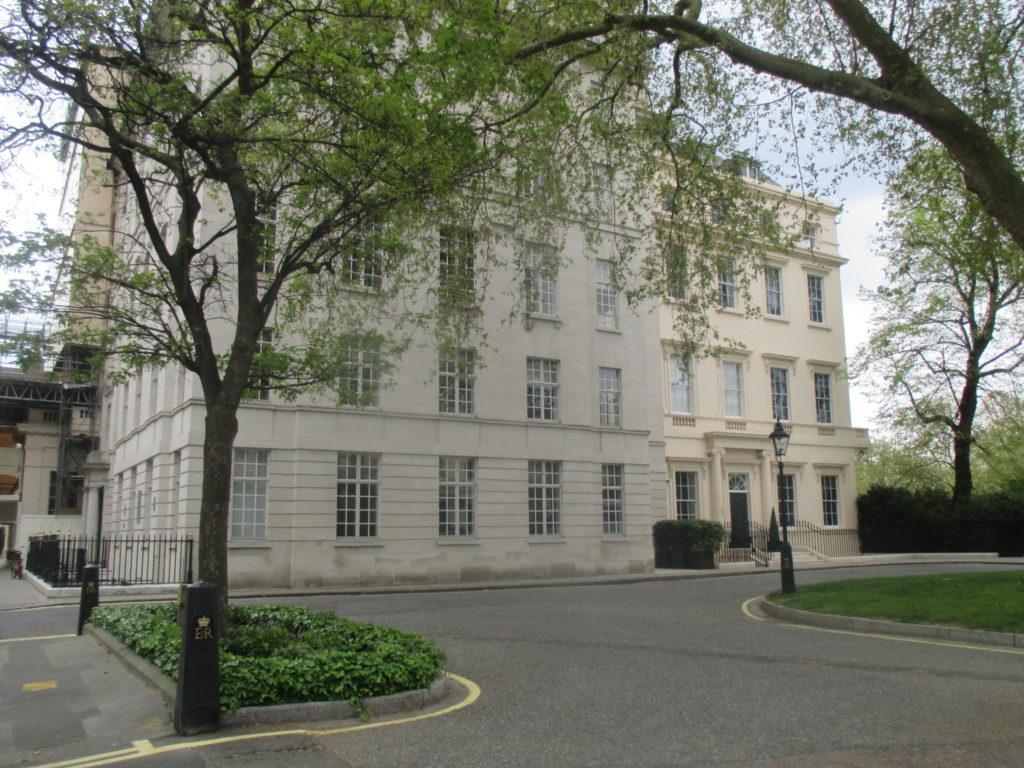
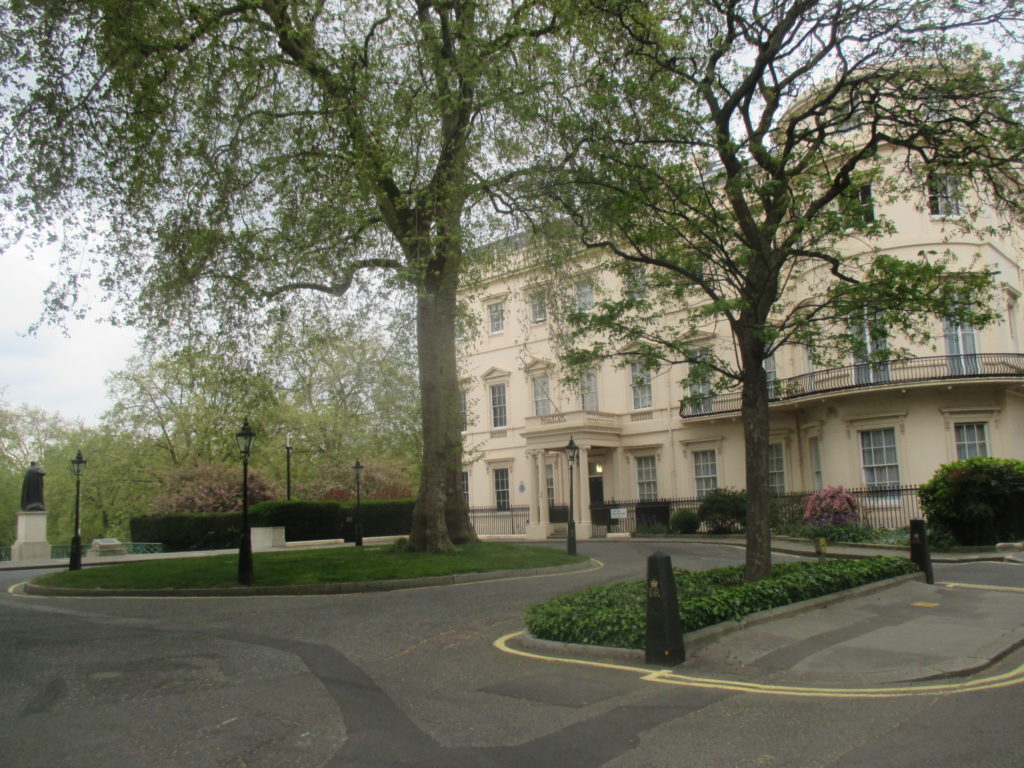
J’essaye de me représenter la vie de ce lieu dont je viens de lire tant de témoignages, mais je n’y arrive pas. Incontestablement, l’âme de l’endroit s’est échappé et il n’y reste que la froide fonctionnalité de notre époque. La petite cour sur laquelle donne le 4 Carlton Gardens sert en effet aussi de parking et en face, devant la grille d’un autre jardin, les voitures cachent à moitié la statue d’un mélancolique Charles de Gaulle en bronze. Une petite plaque sur le socle du monument nous apprend qu’il a été inauguré par « Elisabeth Queen Mother » en 1993.
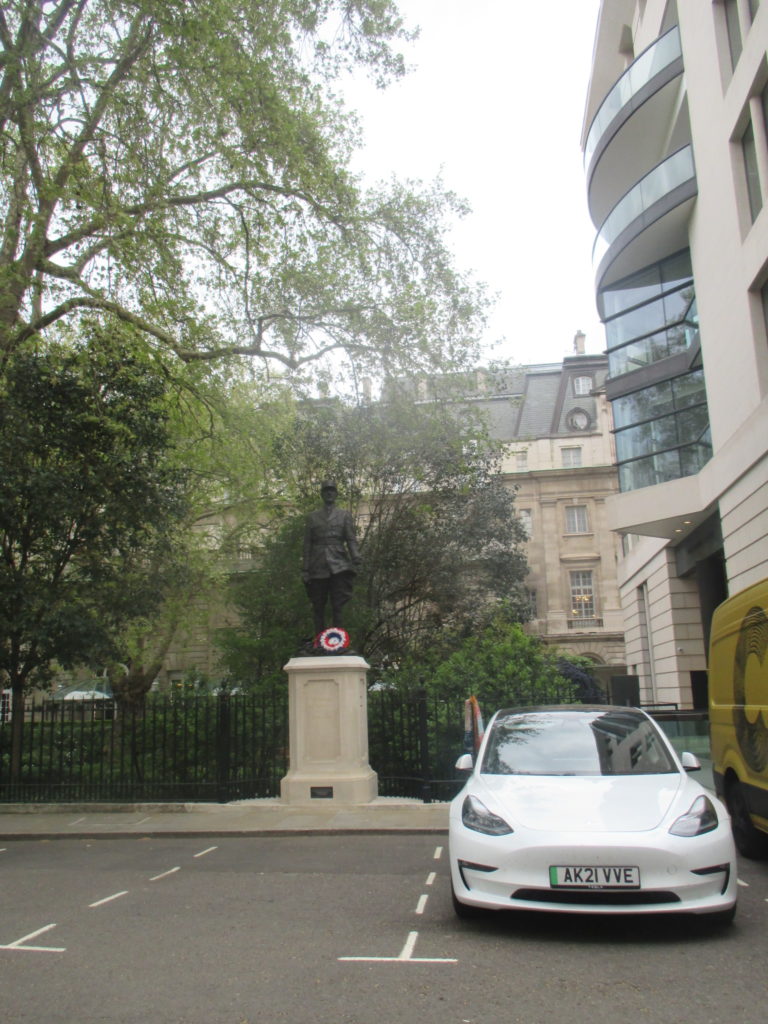
Justement, le bâtiment à droite de la statue au fond de l’impasse est un vaste manoir entouré d’un jardin et d’une grille au 1 Carlton Gardens. C’est le Institut for Governement derrière lequel se cache le discret mais important Secrétariat du Commonwealth. Entre le parking et le manoir on peut descendre sur le Mall, la route entoure le Hyde Park central par un escalier à double révolution. C’est sur cet escalier que se dresse un curieuse statue de style pompier d’Elisabeth Bowes Lyon, dite « Queen Mother » derrière son mari, le roi George VI.
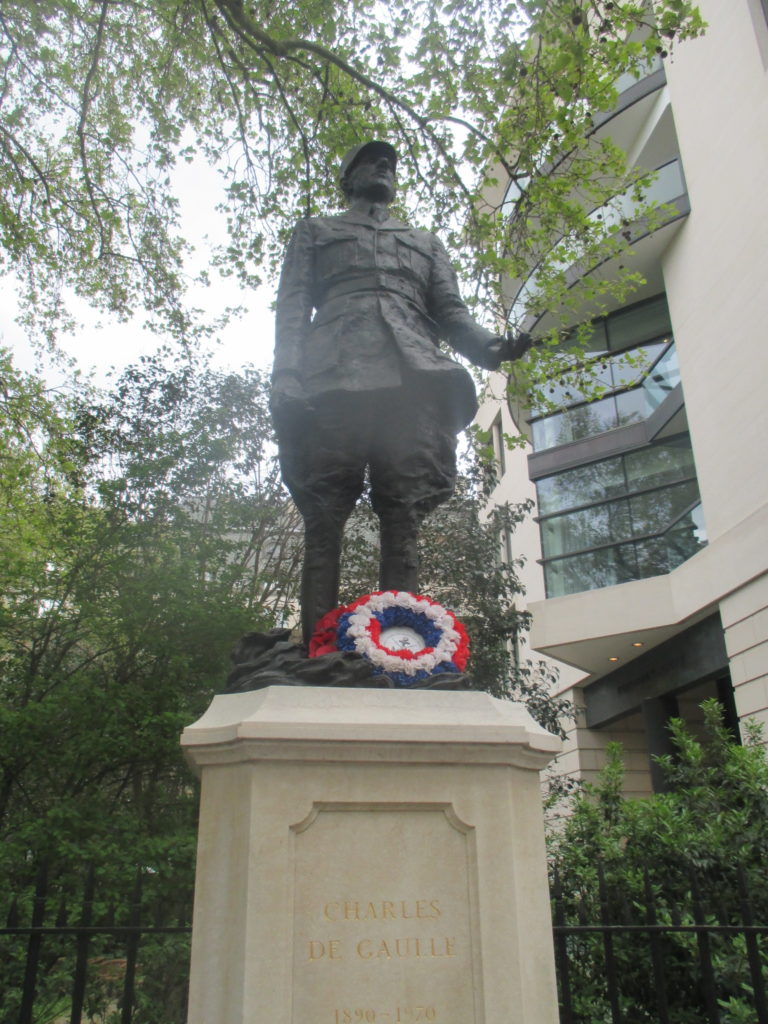
La statue du Général est presque accolée à un immeuble assez hideux qui fait face au 4 Carlton Gardens. Au-dessus de la porte d’entrée typique de bureaux lambda de notre système capitaliste je lis « Stirling Square ». Aujourd’hui se sont selon Google, les bureaux de BAE System, la plus grande entreprise militaire aéronautique du Royaume Uni et pilier du système offensif de l’OTAN. Le genre d’entreprise puissante dont Julian Assange a dénoncé la malfaisance dans les documents de Wikileaks…
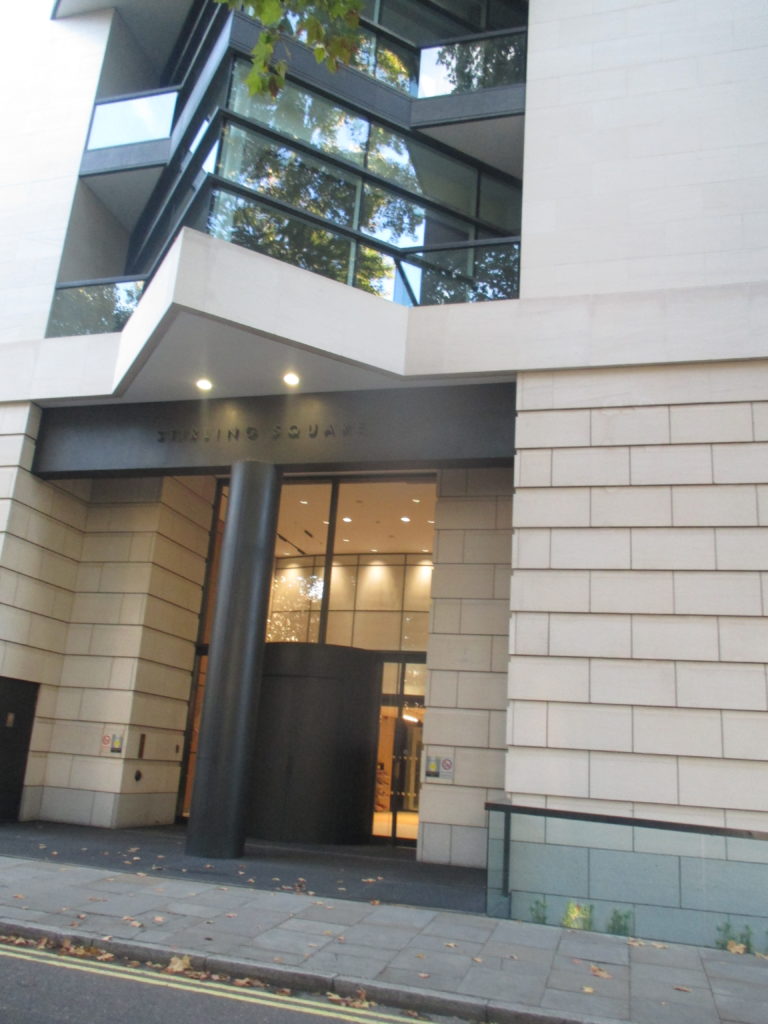
BAE Systems — Wikipédia (wikipedia.org)
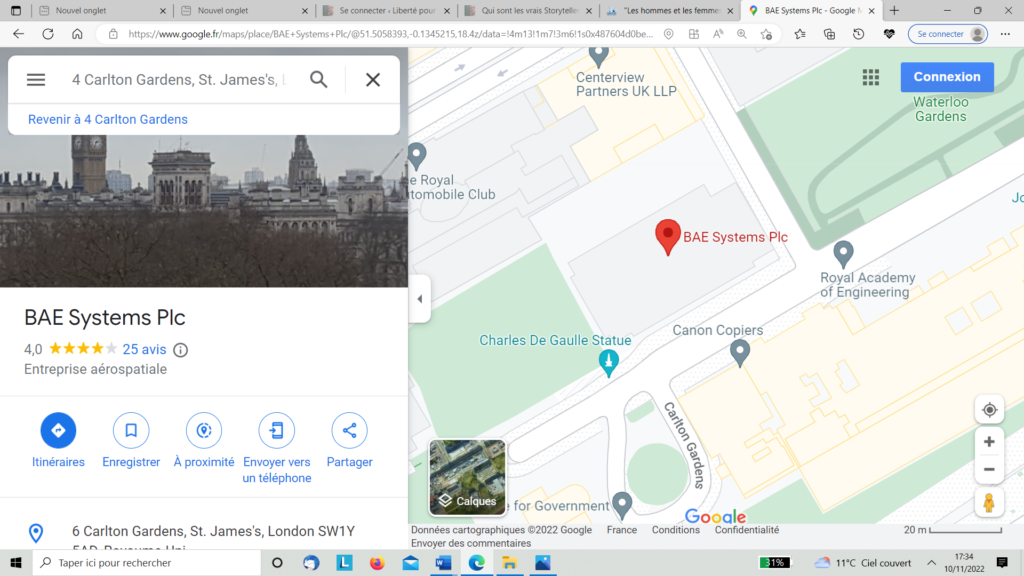
Quant à l’Institut for Gouvernement, c’est un think thank d’intérêts privés dont l’objectif est de diriger le gouvernement… prétendument pour le rendre plus efficace[10] ! Il semble que cet endroit est un important lieu de pouvoir car ses financeurs, la Gatsby Charitable Foundation et le Sainsbury Family Charitable Trust sont très actifs dans le domaine des neurosciences, recherche sur le contrôle mental, la recherche sur le cerveau, l’intelligence artificielle et la fusion homme-machine via le Gatsby Computational Neuroscience Unit [11] et le Sainsbury Wellcome Center.



L’avenir de la « gouvernance gouvernementale» est donc bien dans le transhumanisme et ces institutions qui ont pignon sur rue ne se cachent même pas qu’elle ont l’intention de l’imposer au peuple[12]. Sainsbury’s est le deuxième plus grand holding de supermarchés britannique après TESCO qui s’est illustré par ses politiques rapaces de destruction du commerce de détail en Pologne et d’autres pays de l’Est. Nous voici donc au cœur de Londres au cœur des projets de contrôle total des populations et des transformations transhumanistes voulus par la classe capitaliste mondialiste.

Derrière la grille du 1 Carlton Gardens, le Secrétariat du Commonwealth est un centre de pouvoir mondial tout aussi primordial : il coordonne les politiques de la caste mondialiste dans 15 pays dominions britanniques dont la famille Bowes Lyon est le chef[13] et dans 53 pays anciennes colonies britanniques. Ce pouvoir est justement celui que les puissants mouvements sociaux anti-dictature covid ont largement secoué cette année, en Australie, Nouvelle Zélande, jusqu’aux fameux Convois de la Liberté canadien et états-uniens… En intervenant en Ukraine la guerre a freiné la répression que la caste comptait abattre sur ces citoyens qui pour la première fois de leur histoire réclamait une Constitution (ce fut une des revendications les plus intéressantes du convoi de la Liberté des Canadiens…).



Freedom Convoy 2022 Sights and Sounds – YouTube
Je contemple statue de bronze d’Elizabeth Bowes Lyon qui parait régner sur le centre de Londres, tellement elle domine de sa hauteur et par son style imposant la rue et le parc en contrebas des escalier. Son mari Albert von Sachsen Coburg Gotha, alias le roi Goerges VI parait jouer un rôle secondaire car symboliquement sa statue est dissimulée par celle de sa femme. Quand on sait qu’elle n’était pas destinée à régner mais qu’elle vient au pouvoir que suite à l’éviction en 1936 de son beau-frère le roi Edouard VIII, trop marqué par ses sympathies pro allemandes et pro hitlériennes, c’est assez surprenant de la trouver au premier plan.
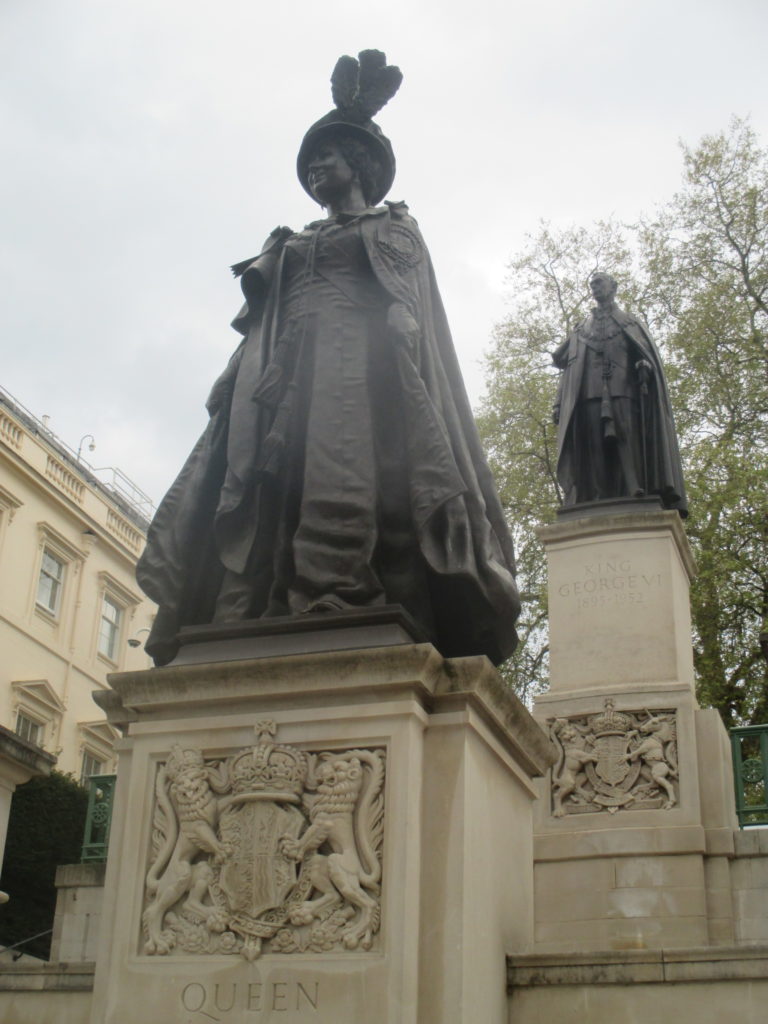
La politique d’apaisement hitlérien a continué cependant sous Elizabeth Bowes Lyon et son mari, qui cependant ont habilement su se créer une image de rois résistants lorsque Churchill vainquit les tendances collaborationniste de l’aristocratie britannique et s’appuya sur le peuple pour refuser la pactisation avec Hitler.
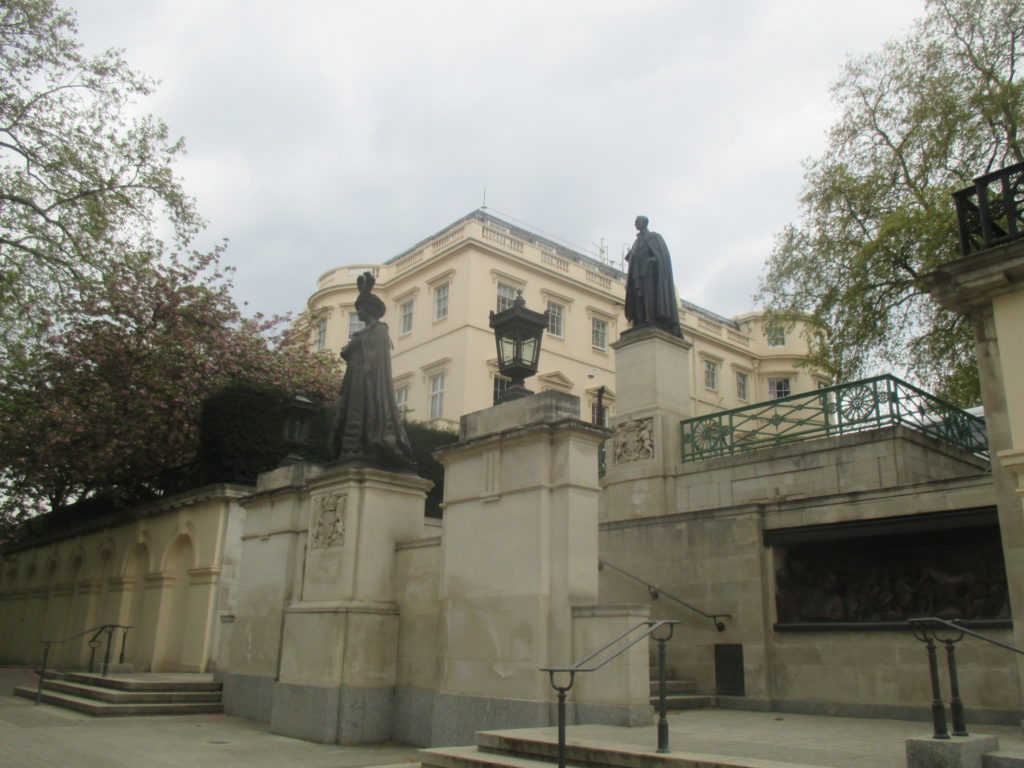
Je descends l’escalier monumental qui donne sur le Hyde Park après un dernier coup d’œil pour tenter de déchiffrer, en vain, ce que je représente le bas-relief de style pompier avec hommes, chiens et chevaux la gloire de la « mère » du clan Windsor.
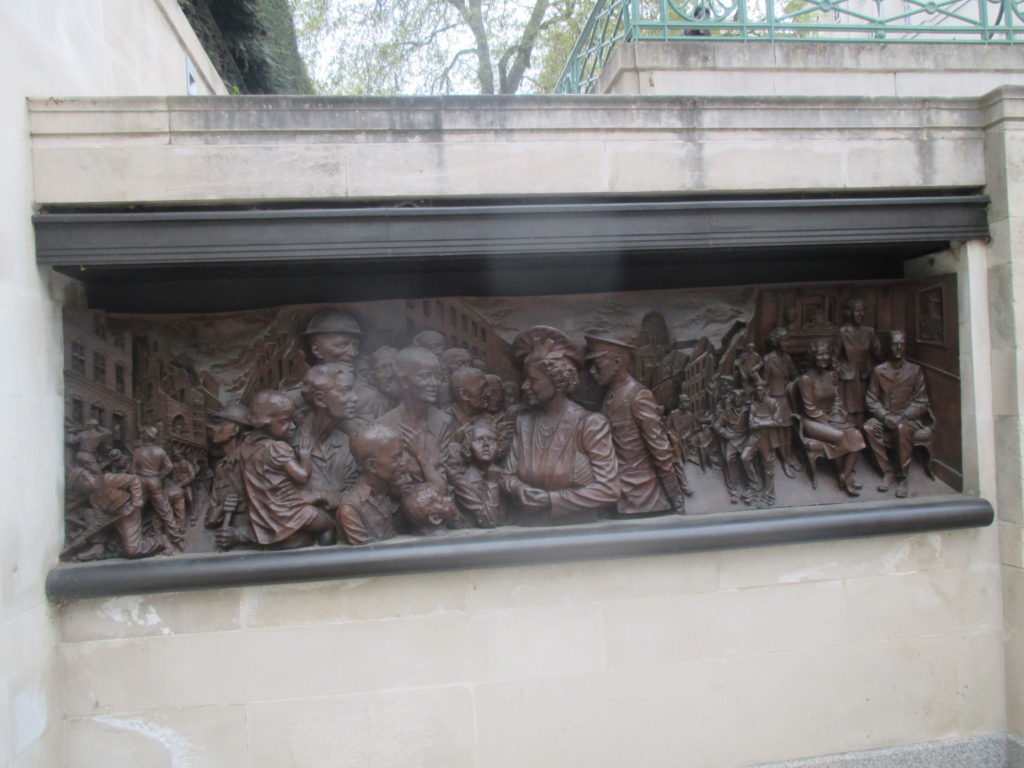
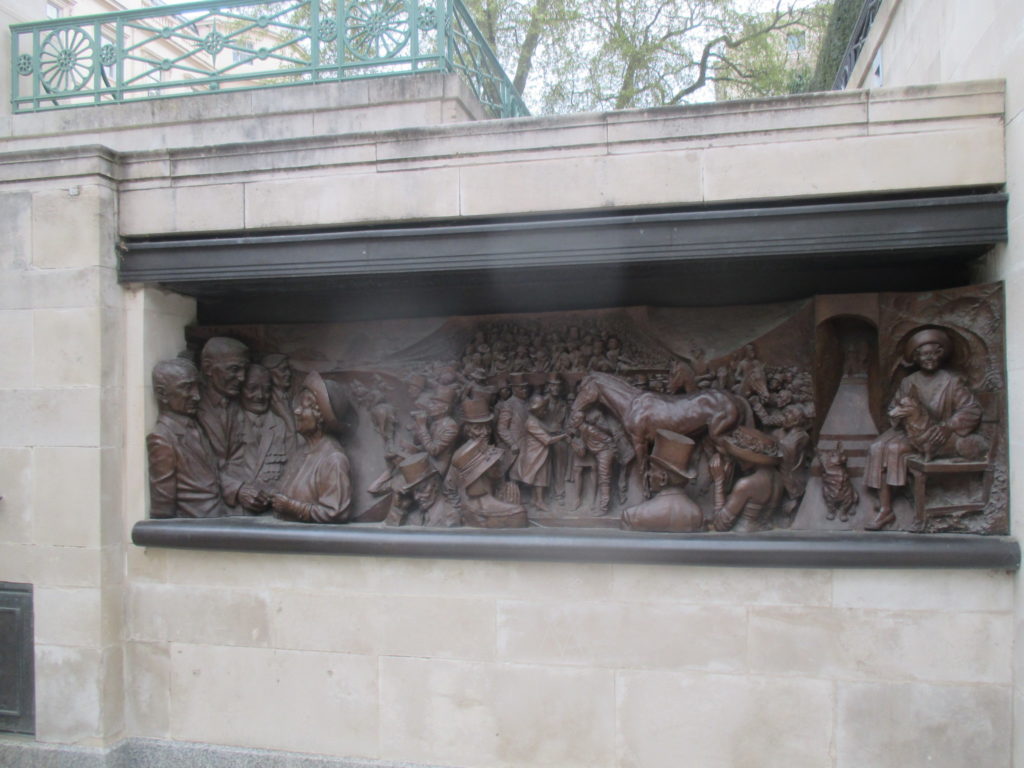
Je renonce à comprendre ce lourd enchevêtrement d’hommes, de chiens et de chevaux, je descends vers le parc et je me trouve alors en face de lieux de pouvoir qui sont immédiatement indentifiables comme tels : l’imposante bâtisse qui borde une grande place de manège s’avère être l’Amirauté, le centre de la puissance navale historique de l’Empire britannique. Le deuxième bâtiment historique qui borde la place du manège, le « Horse Guard Parade » est justement la « garde à cheval » de la royauté.
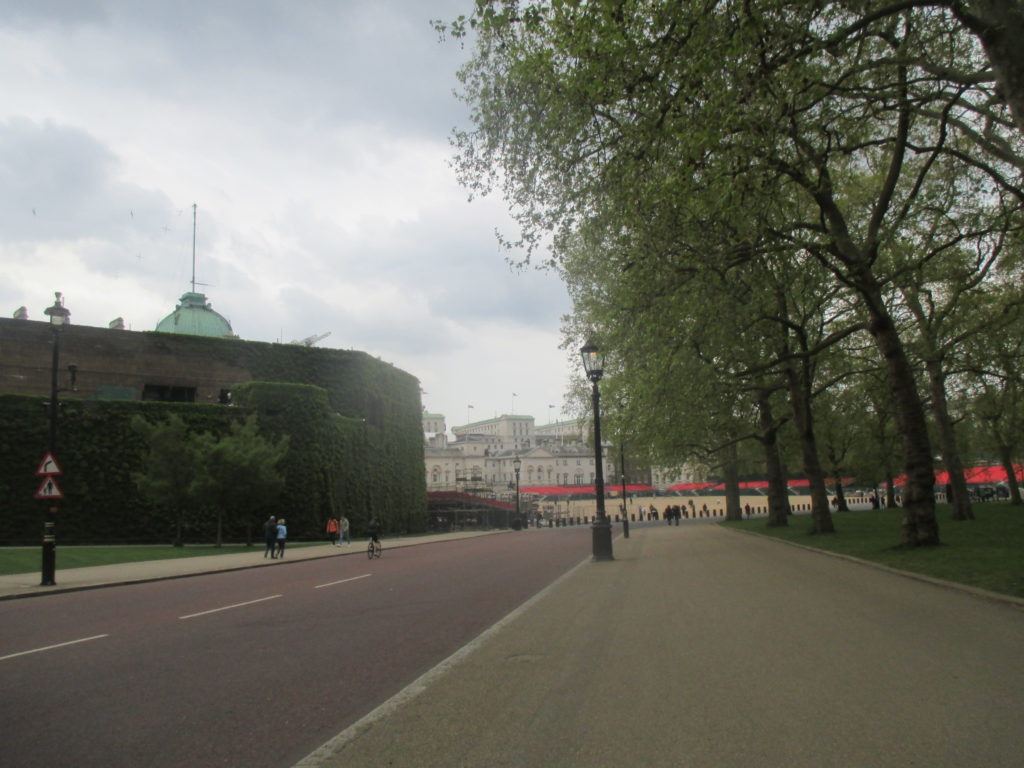
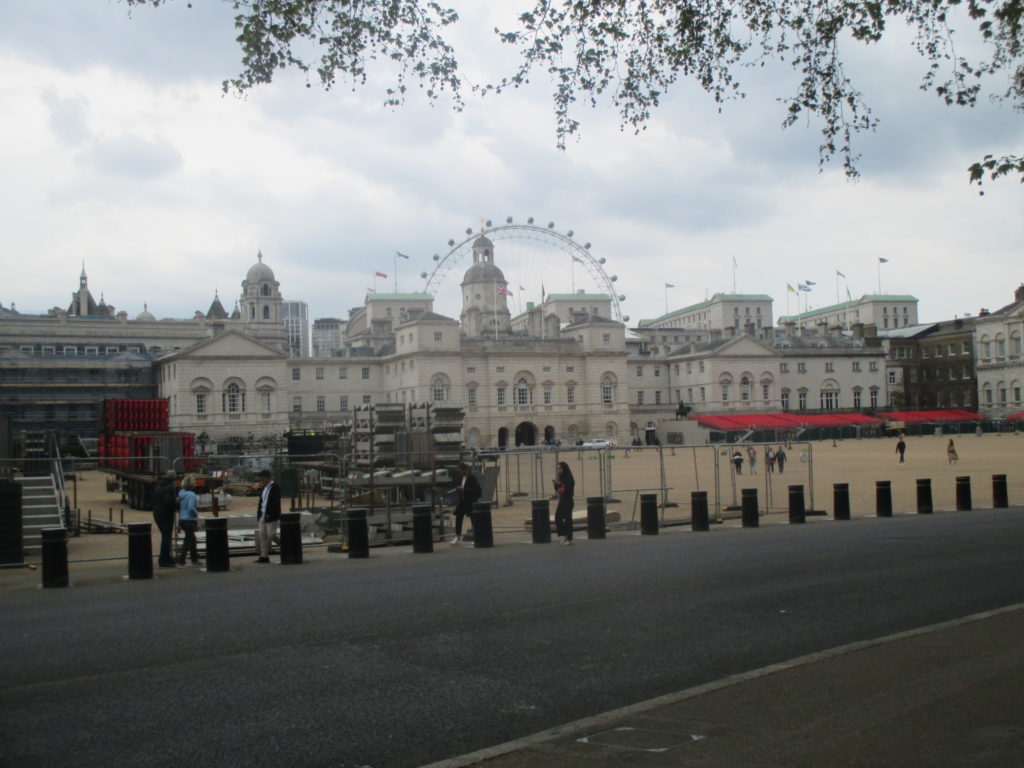
Des gradins sont en train d’être installé sur le parterre de sable en prévision de la fameuse revue des gardes royaux pour « l’anniversaire » d’Elisabeth Bowes Lyon junior. En face de la place sous les grand arbres du parc se trouve un grand monument commémorant les soldats morts pendant la Première Guerre Mondiale. En général en Angleterre les monuments de la Première guerre sont plus nombreux et bien plus importants que ceux de la Seconde, ce qui m’étonne toujours en tant que Polonaise.
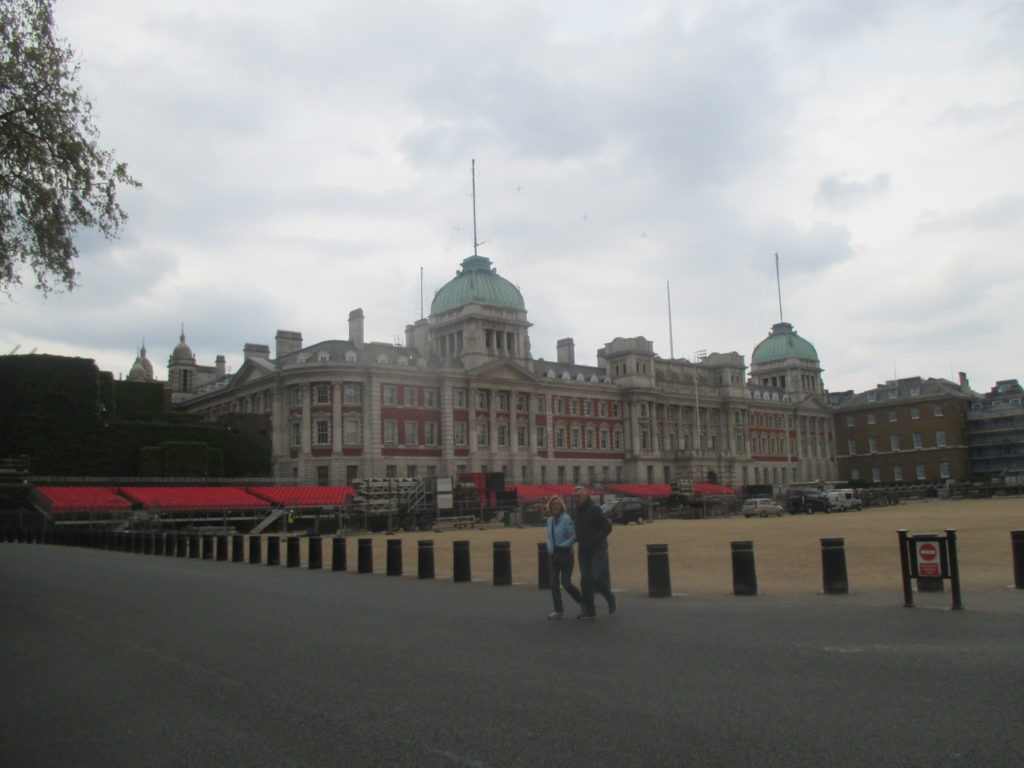
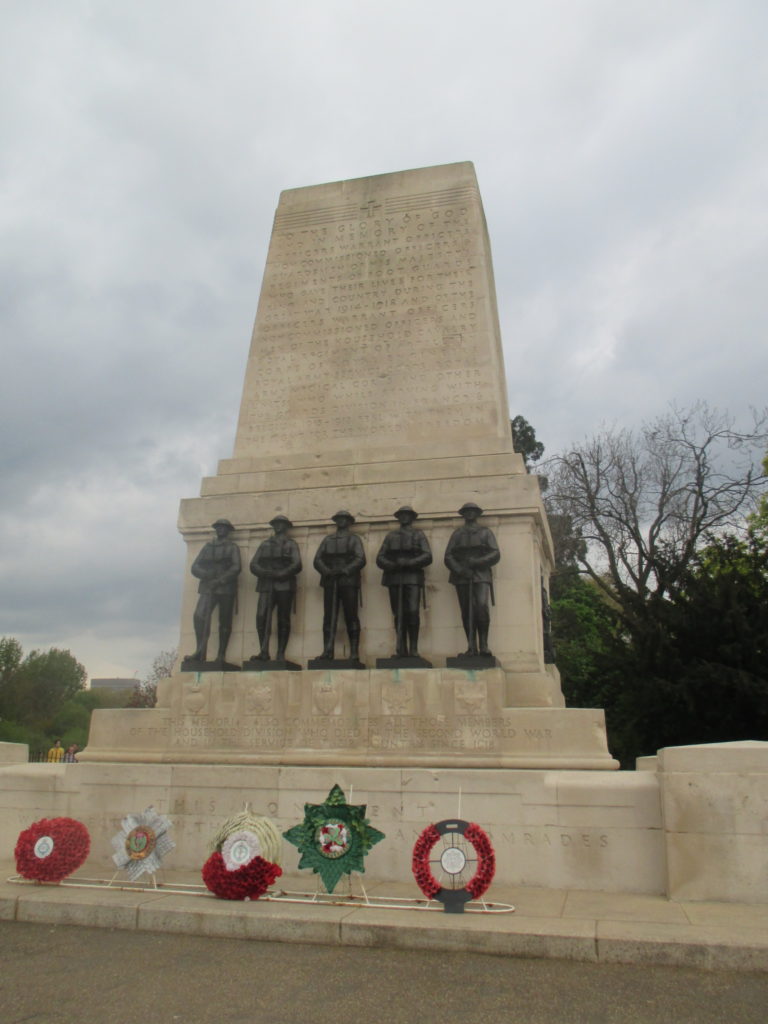
Mais le plus étonnant pour moi est que la place sablonneuse « Horse Guard Parade » est clôturée au sud par un petit square fermé au centre duquel se dresse la statue de … Louis Mountbatten ou Ludwig von Battenberg, le chef amiral de la flotte britannique, vice-roi des Indes et de Birmanie, oncle de Philipp von Battenberg, frère d’Alice von Battenberg, et grand-oncle de « Charles Windsor ». Un personnage central donc du pouvoir en Grande Bretagne, craint certainement mais guère aimé du peuple – accusé de pédocriminalité sur des enfants irlandais, il n’est pas exclus que l’attentat qui lui a coûté la vie a plutôt un lien avec les sombres dessous de ces accusations qu’avec la politique de l’IRA[14].
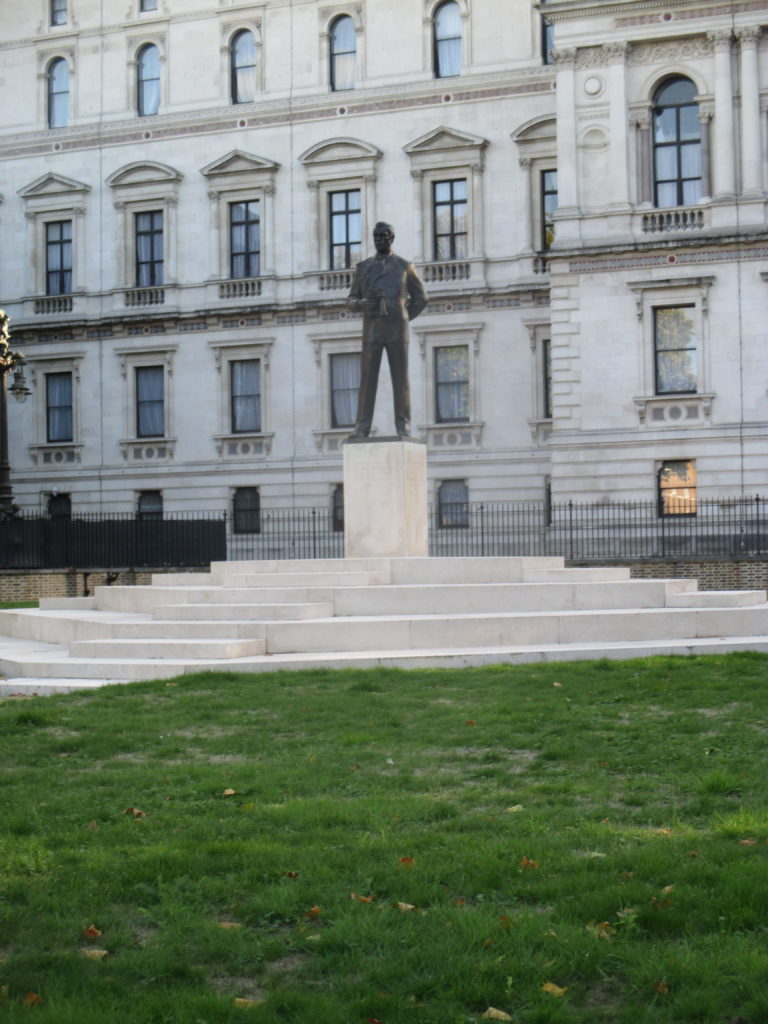
Je longe la pelouse sur laquelle est juché Mountbatten et je constate alors que l’immense bâtiment de style néo-byzantin est le célèbre Foreign Office, le temple de la diplomatie anglaise, sur lequel flotte, ultime sacrilège, le détestable drapeau ukrainien. La Grande Bretagne serait-elle sous la coupe des nazis bandéristes téléguidés par la secte atlantiste comme le sont déjà la France, l’Allemagne, la Pologne ? Je suis chagrinée de voir que la souveraineté anglaise semble s’arrêter là ou commence le pouvoir cette secte internationale.
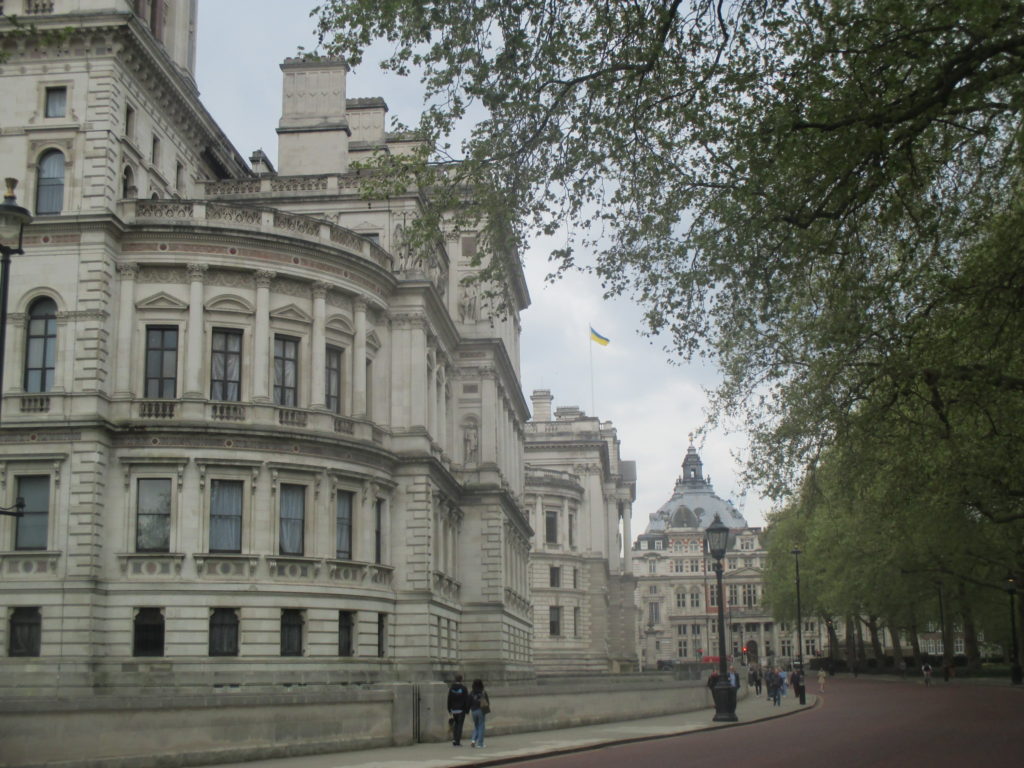
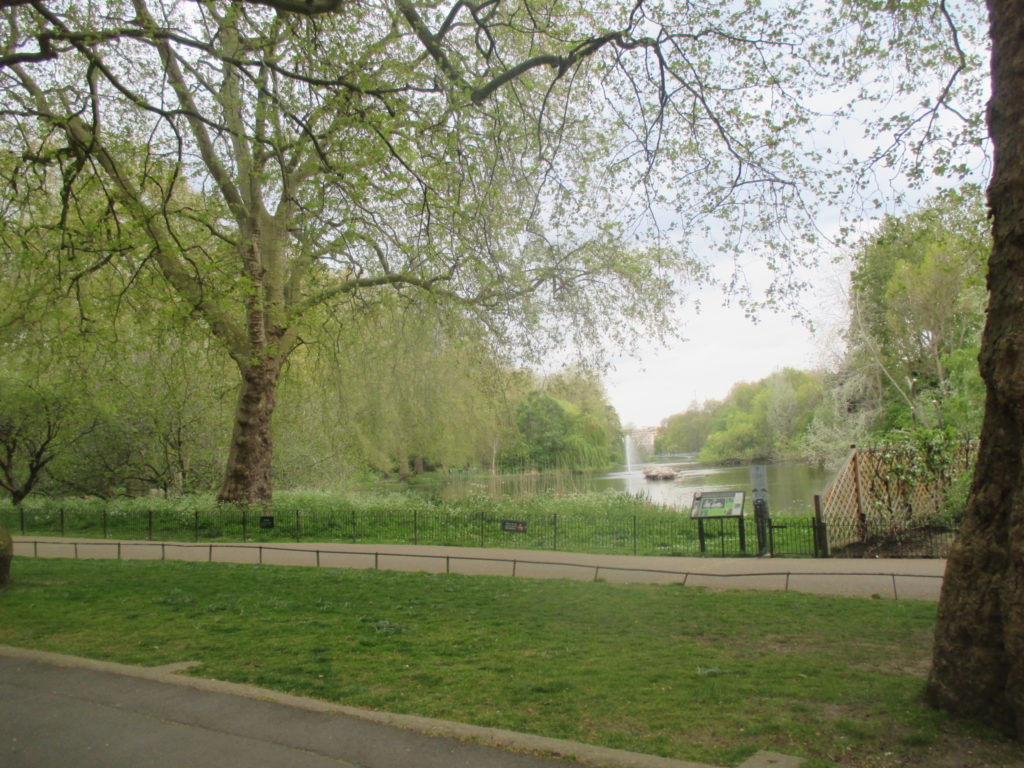
C’est alors que je découvre une minuscule ruelle coincée entre le symbole Mountbatten, la « garde royale » et le Foreign Office. La ruelle est fermée par une grille et gardés par les commandos de l’unité spéciale de la Metropolitan Police, la même qui garde le palais de Kensignton. Je découvre stupéfaite que la ruelle est Downing Street et le modeste manoir en brique que la grille cerne est le 10 Downing Street, le bureau du premier ministre britannique. La grille fermé et gardée me fait le même effet que Kensington : on ne sait pas si les policiers protègent l’intérieur du manoir de l’extérieur ou s’ils sont là pour empêcher ceux qui sont à l’intérieur du manoir de sortir. Le premier ministre britannique Boris Johnson me fait alors l’effet d’un otage.
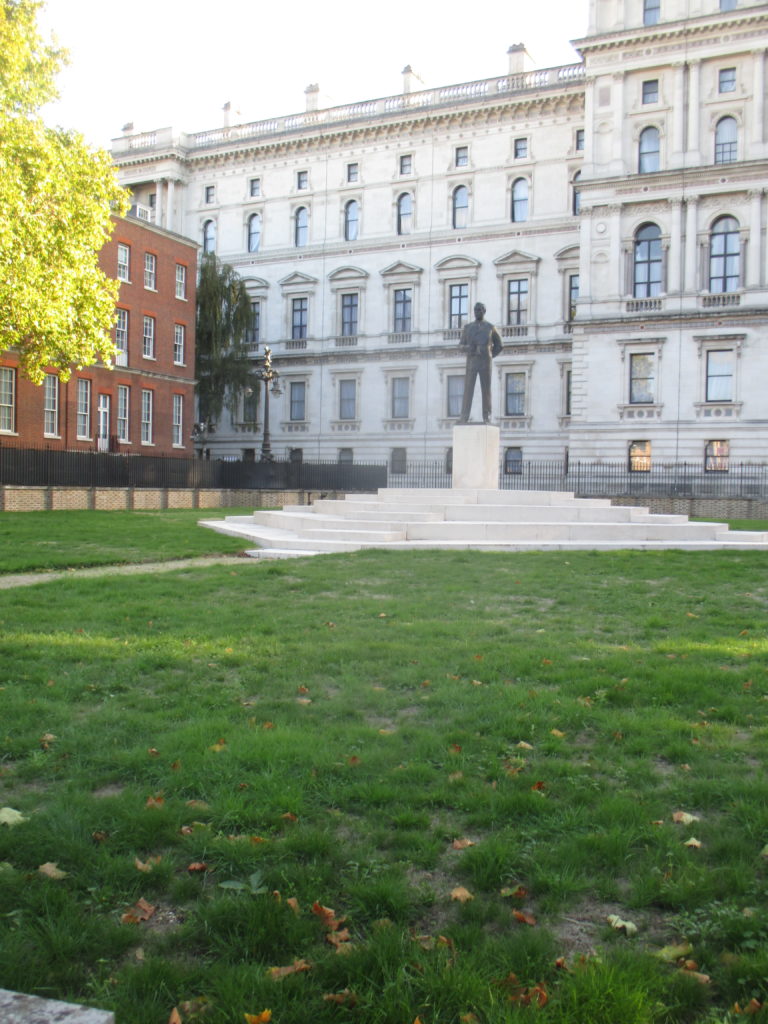
L’imposante bâtisse du célèbre Foreign Office est séparé par un escalier et un passage piéton d’un autre bâtiment tout aussi démesuré : en montant l’escalier je remarque à droite l’entrée du « war room » de Churchill qu’on visite ici. Churchill n’a donc pas dirigé le pays pendant la guerre contre le nazisme du 10 Downing Street, mais d’ici (en plus du fameux bureau sous-terrain de la station de métro..), du « Treasury »[15], le Trésor. Il est logique que Churchill ait adossée son outil de guerre, le SOE à son tentaculaire ministère de « l’économie de guerre » (Warfare economy ministry) qui dépendait de lui directement car l’économie de guerre était une économie dirigée. Coté parc le « Trésor » (ou département de l’économie et des finances actuel) est toujours à la même place, côté rue Parliament Street, ce sont les Douanes, autre institution crucial dans une thalassocratie.
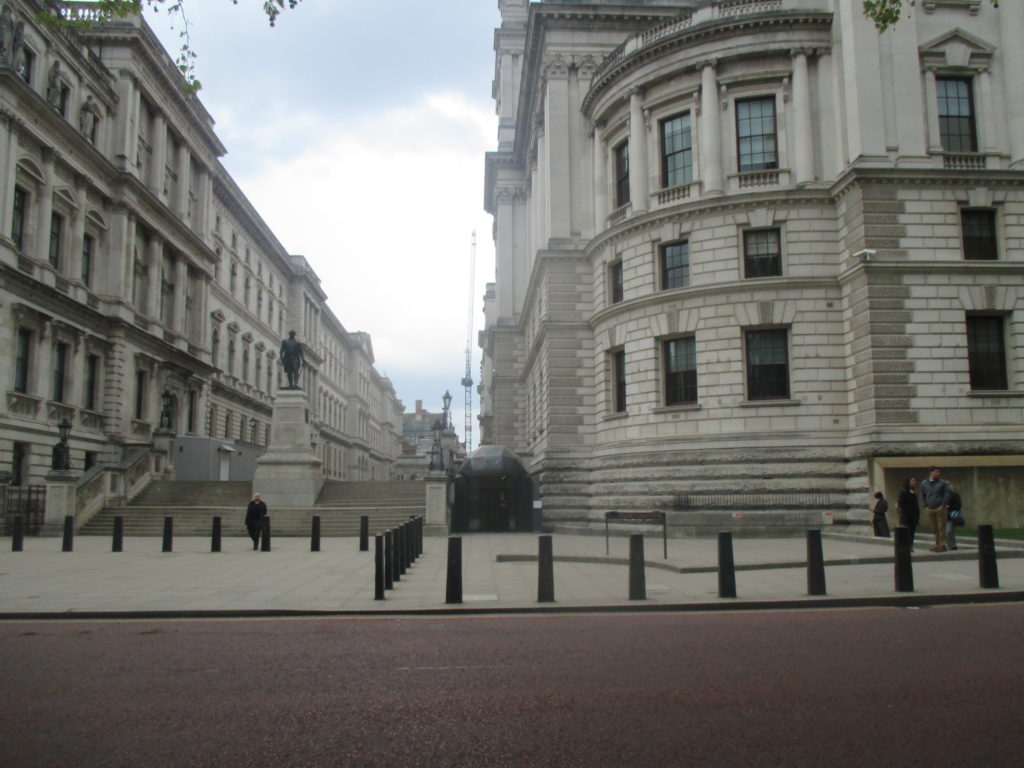

Alors que des salariés sortent des bureaux ministériels et que les touristes déambulent, je traverse le passage et je débouche en face du célèbre Big Ben et du plus célèbre Parlement du monde. Il est entièrement barricadé par de hautes grilles et encadré d’un gros cordon de policiers. On ne sait pas trop si c’est pour le protéger d’éventuels terroristes ou de manifestants, Londres a été le théâtre d’intenses protestations contre la politique covidienne.
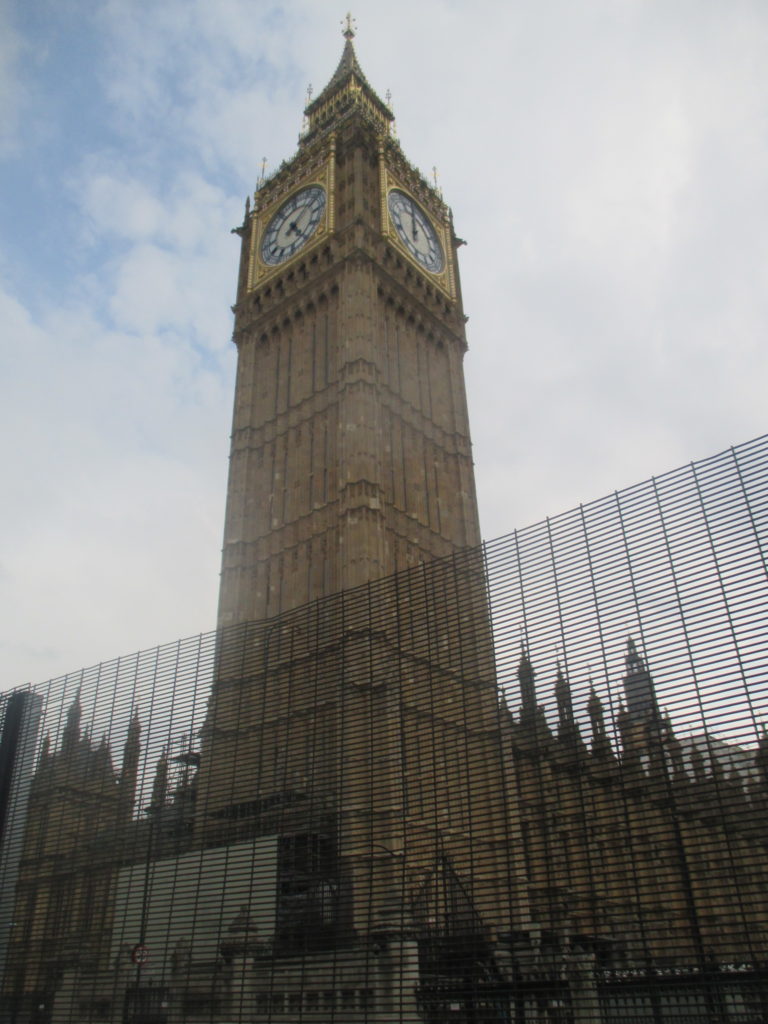
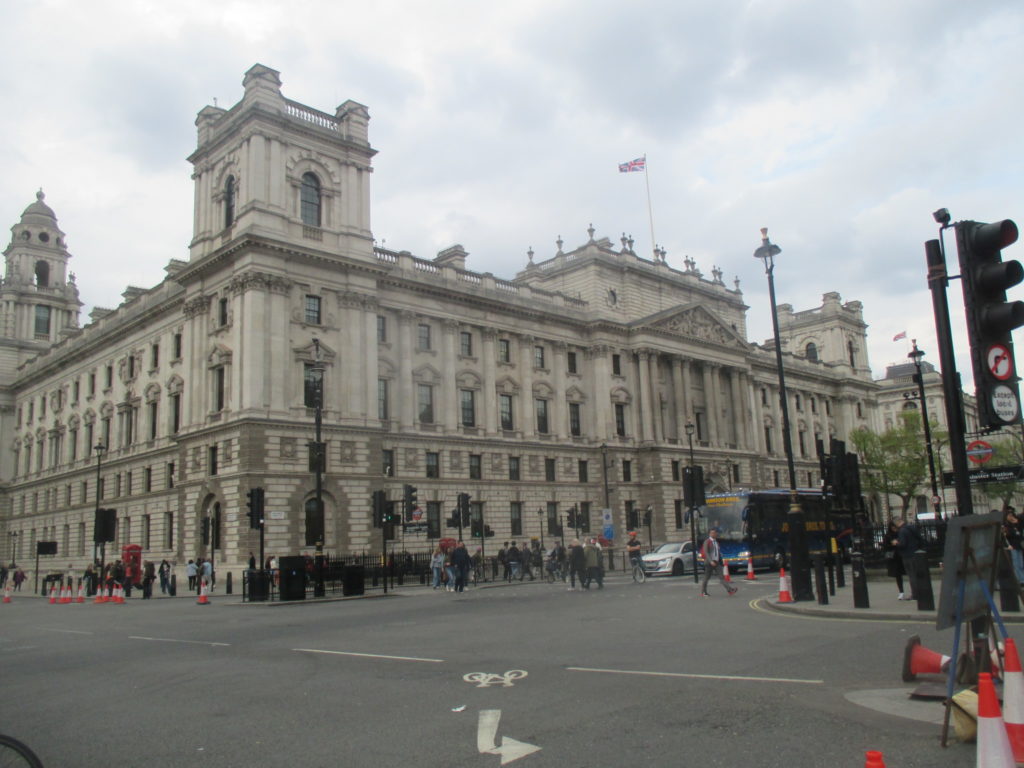
Je contemple la foule de touristes avides de photos, je traverse la place entre le Parlement et l’Abbaye de Westminster, cœur de la cité, pourvue de plusieurs statues toujours de ce style pompier, dont un grand Churchill voisinant avec Anthony Eden, pour l’équilibre politique, et un Nelson Mandela, plus incongru, à l’autre extrémité de la place. Il y a aussi une femme, Milicent Fawcett, une cheffe suffragiste que je ne connaissais pas. L’impression d’ensemble est plutôt une sorte de culture éclectique ou tout se vaut et les époques se côtoient sans aucune explication. Un vrai symbole de notre époque « woke », faible et inculte, ignorante de l’Histoire.
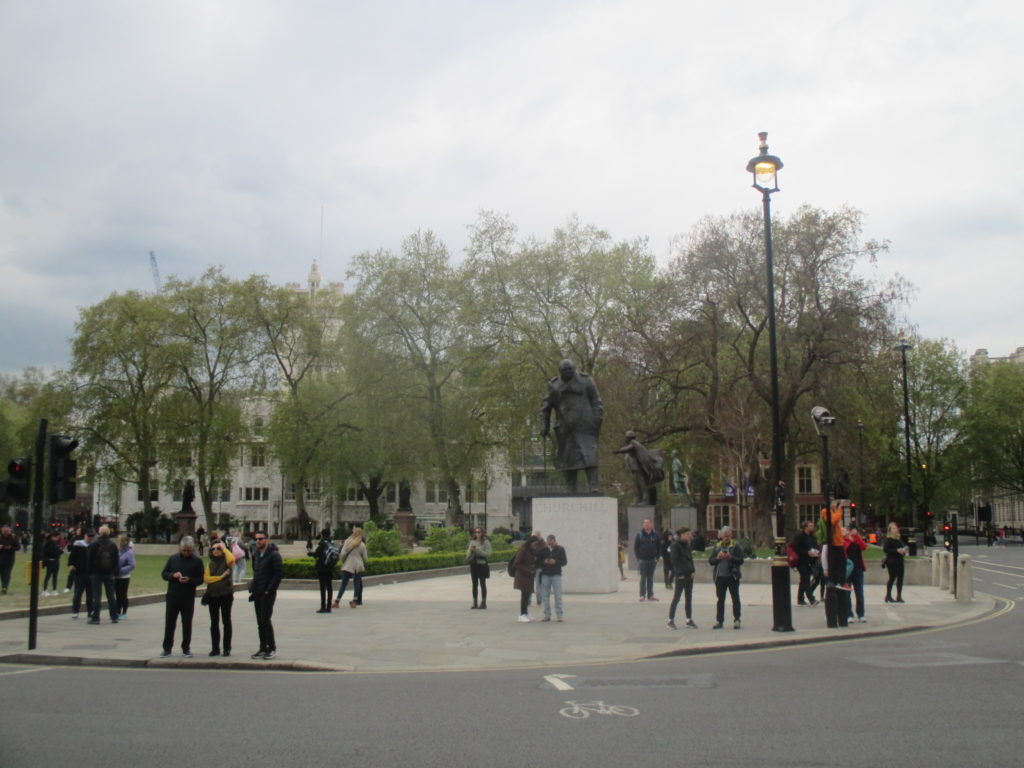
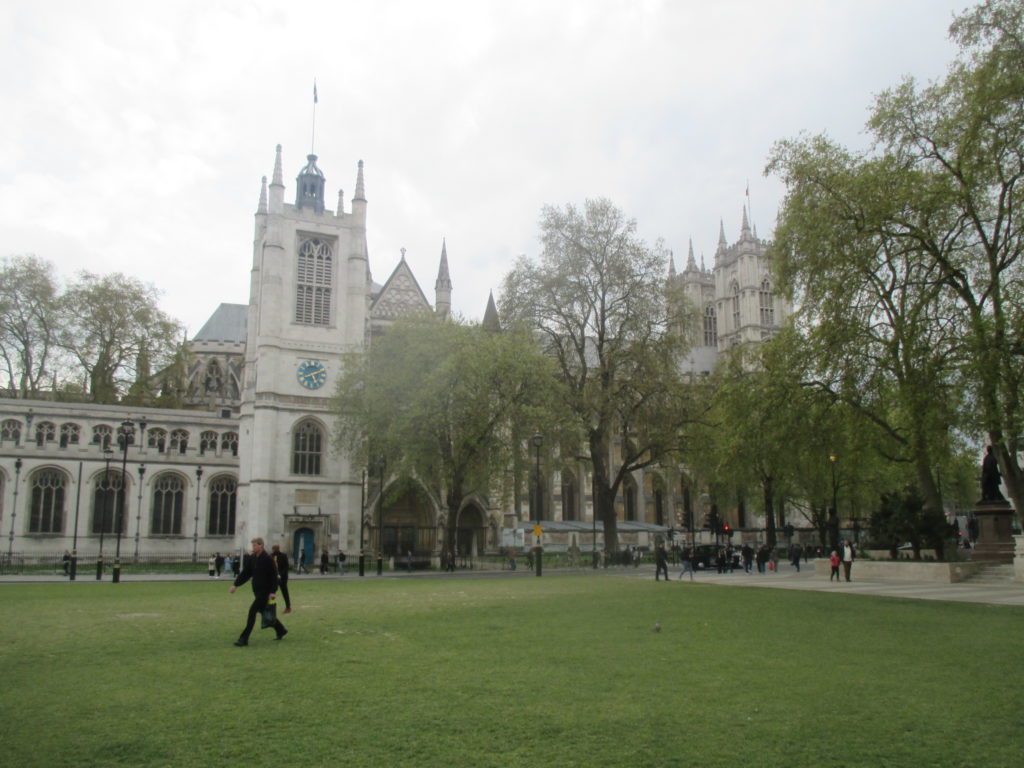
Cependant, en m’avançant vers l’élégante abbaye de Westminster, je remarque un beau bâtiment néogothique tout blanc joliment rénové, au fond de la place du Parlement : c’est la Cour Suprême. C’est ici que la secte qui détient Assange voudrait continuer son storytelling, mais jusqu’à présent ils n’ont pas réussi à y prendre place.
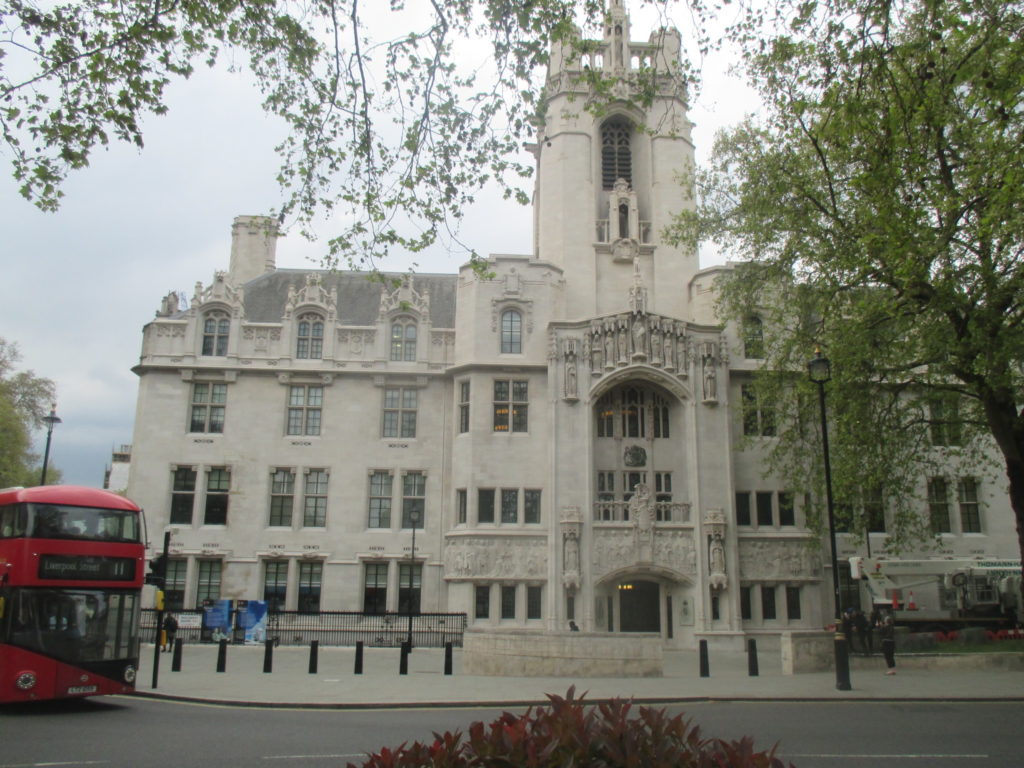
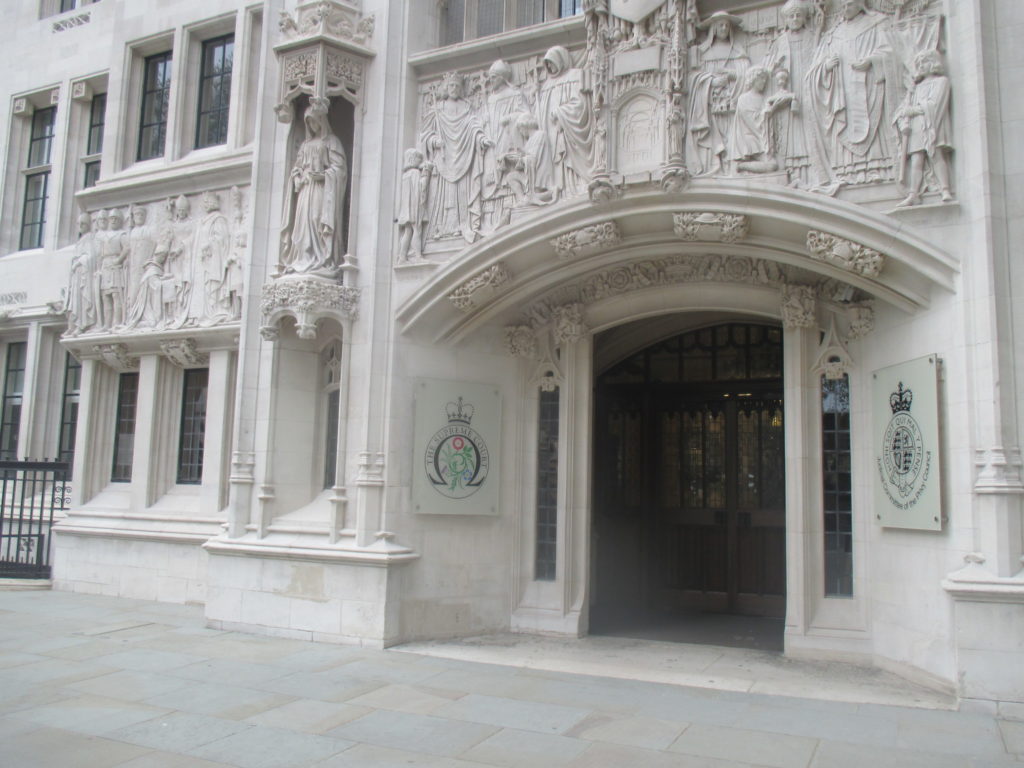
Je reviens vers le Palace of Westminster pour rejoindre la Tamise. A l’angle du pont Westminster en face du Big Ben se trouve un bâtiment en béton des années 60 d’où émerge la station de métro et ou les visiteurs du Parlement peuvent s’inscrire.
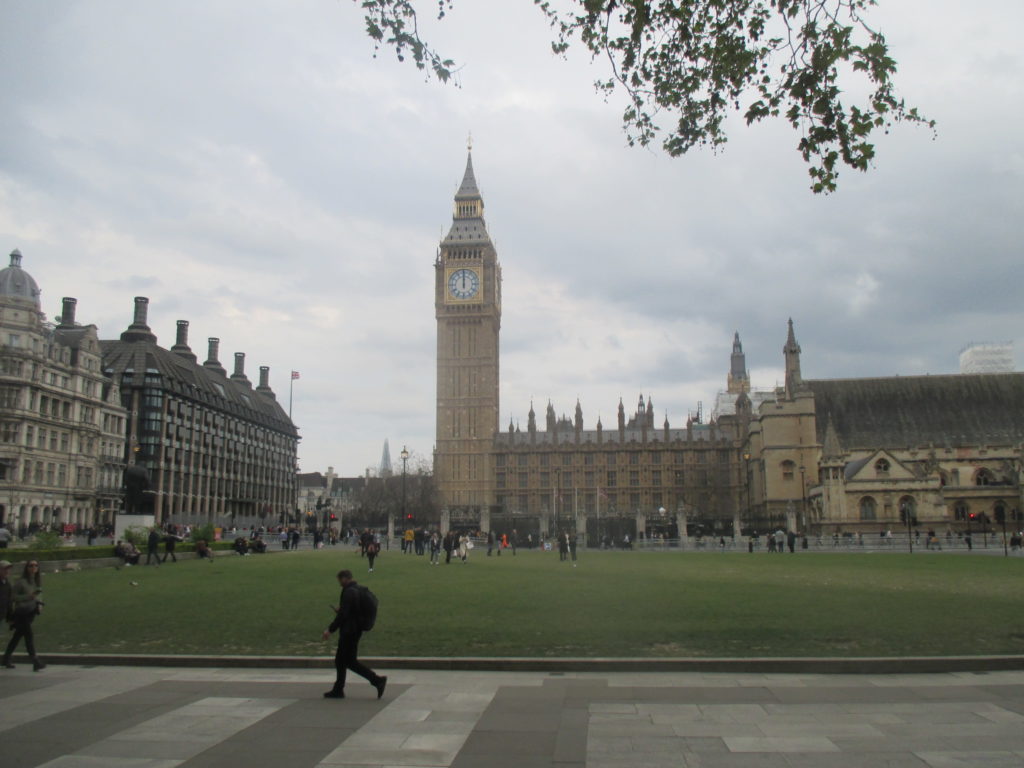
Je déambule avec la foule et je me retrouve sur les quais de la Tamise. Juste derrière le Parlement, un grand immeuble de bureaux de style années 20 : c’est le célèbre Scotland Yard, la police judiciaire de Londres, Metropolitan Police Service me rappelle encore et toujours que contrairement à la France, l’Angleterre ne possède pas de police nationale mais des forces locales, ce qui ne permet pas une répression aveugle et massive contre les citoyens comme celle qui est de tradition française depuis le fascisme vichyste.
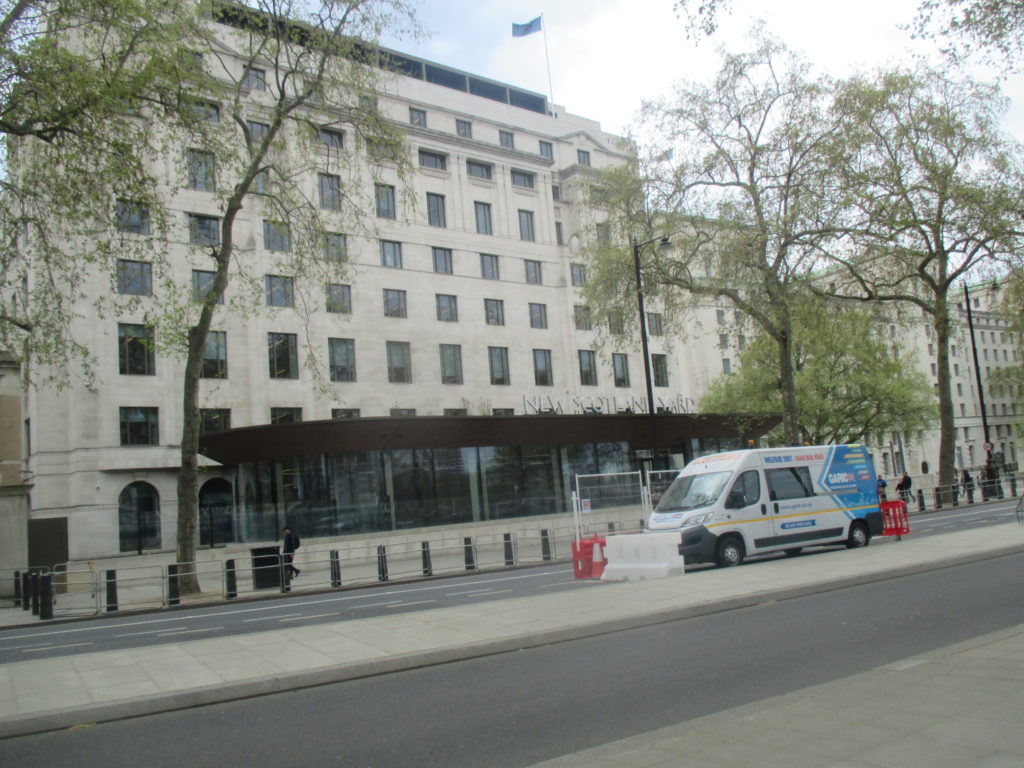
En face de Scotland Yard je découvre le monument d’hommage à la RAF « Bataille d’Angleterre », une intéressante sculpture de bronze et béton sur le bord de la Tamise. Le style est dynamique et l’émotion est bien rendue, loin du style lourdaud du monument d’Elizabeth Bowes Lyon. Il me rappelle la Croix rendant hommage aux aviateurs qui ont sauvé l’Angleterre et qui ont été de toutes les nationalités, affichée sur l’église de leur saint patron, Saint Clément le Danois en face des Royal Courts of Justice. Les écussons des escadrilles, « squadron » sont reproduite dans le bronze sur le côté de la sculpture. Des couronnes de fleurs artificielles et des fanions sont déposées au pied du monument. Je suis assez touchée par ce mémorial, après tout ce que j’ai lu et je lis sur la guerre contre le nazisme.
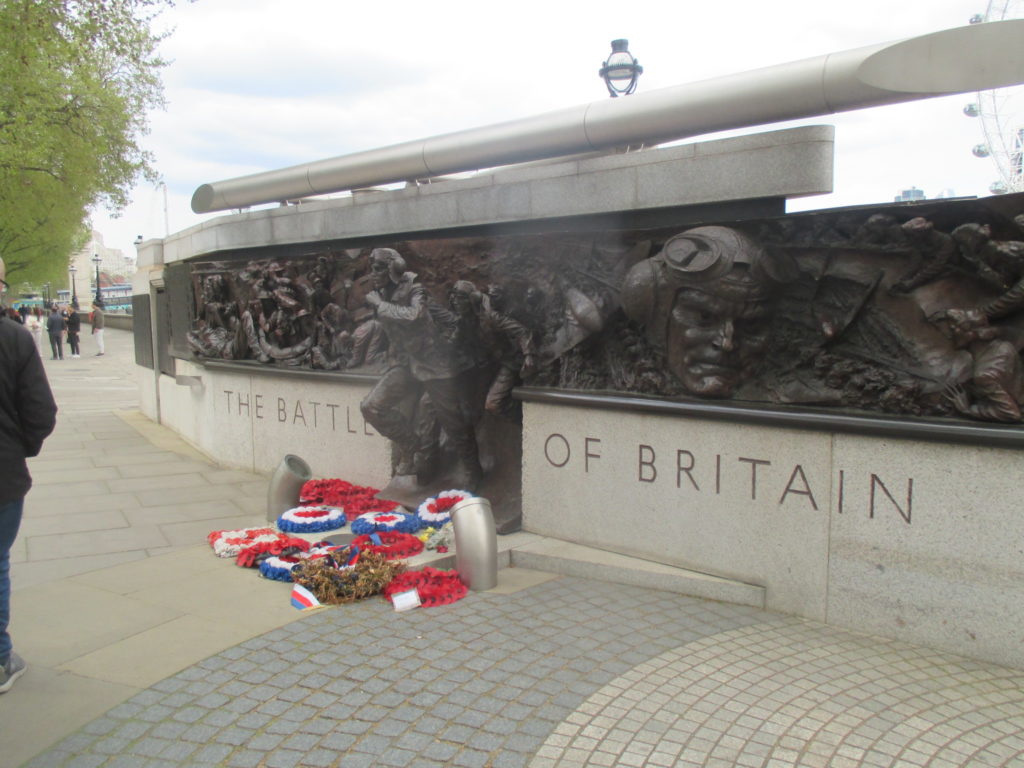
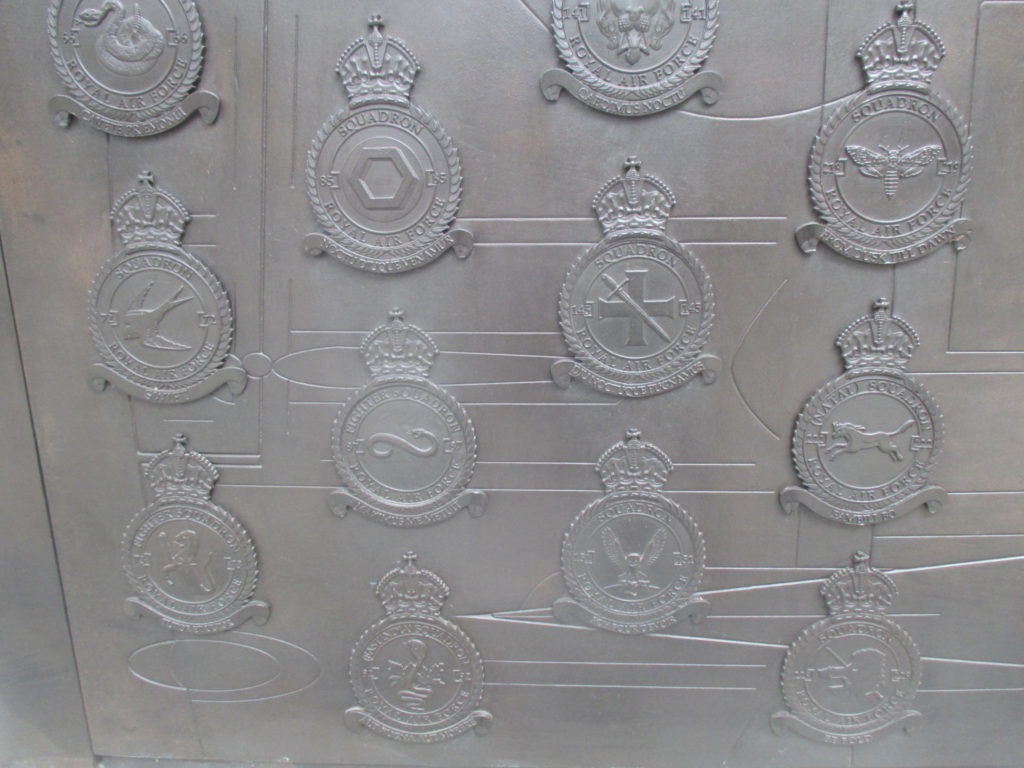
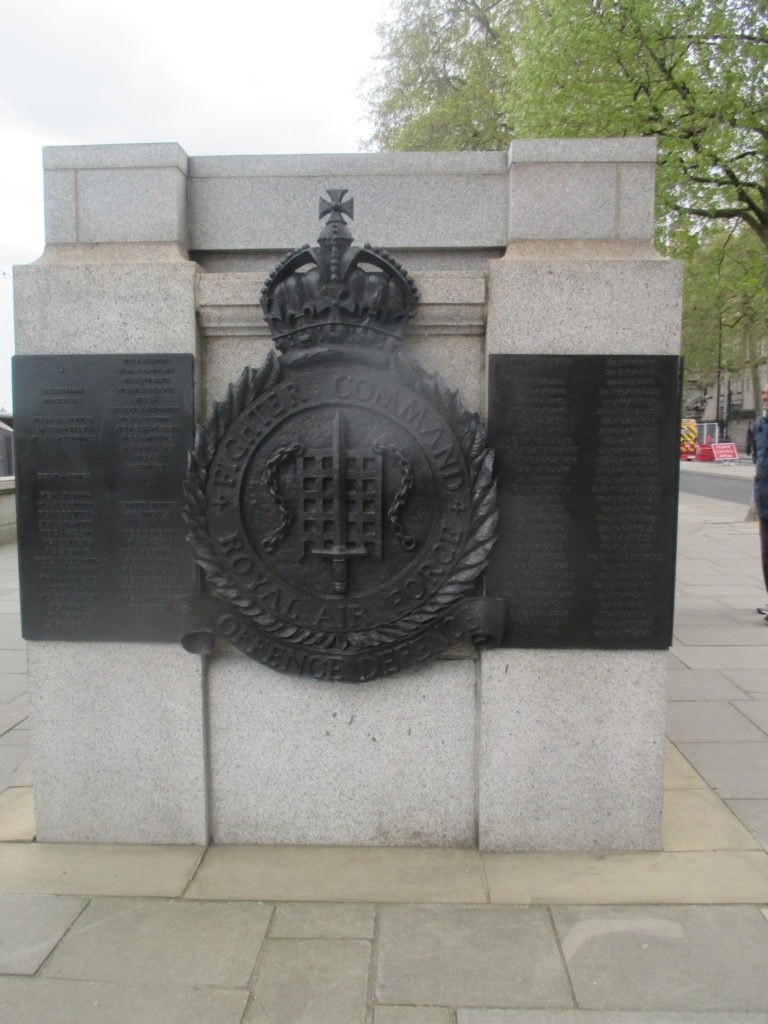
Mais je remarque aussi que ce monument est bien plus modeste que l’immense aigle qui s’élance sur son piédestal de 10 mètres au-dessus de la Tamise, à peine quelques mètres plus loin : c’est aussi un monument à la gloire des aviateurs anglais, sauf qu’il s’agit de commémorer la première et non la seconde guerre mondiale… Dans la topographie de Londres les tranchées de 14-18 prennent une place bien plus grande que la Victoire sur le nazisme, alors qu’un siècle après on peine à comprendre les véritables raisons de cette absurde boucherie, si ce n’est l’intérêt du capitalisme de se débarrasser d’une classe ouvrière européenne organisée et combative. Aujourd’hui il me semble évident qu’il fallait à tout prix empêcher la première pour que la seconde ne soit pas, hélas, inévitable. Quant à la troisième, elle est désormais en suspens…
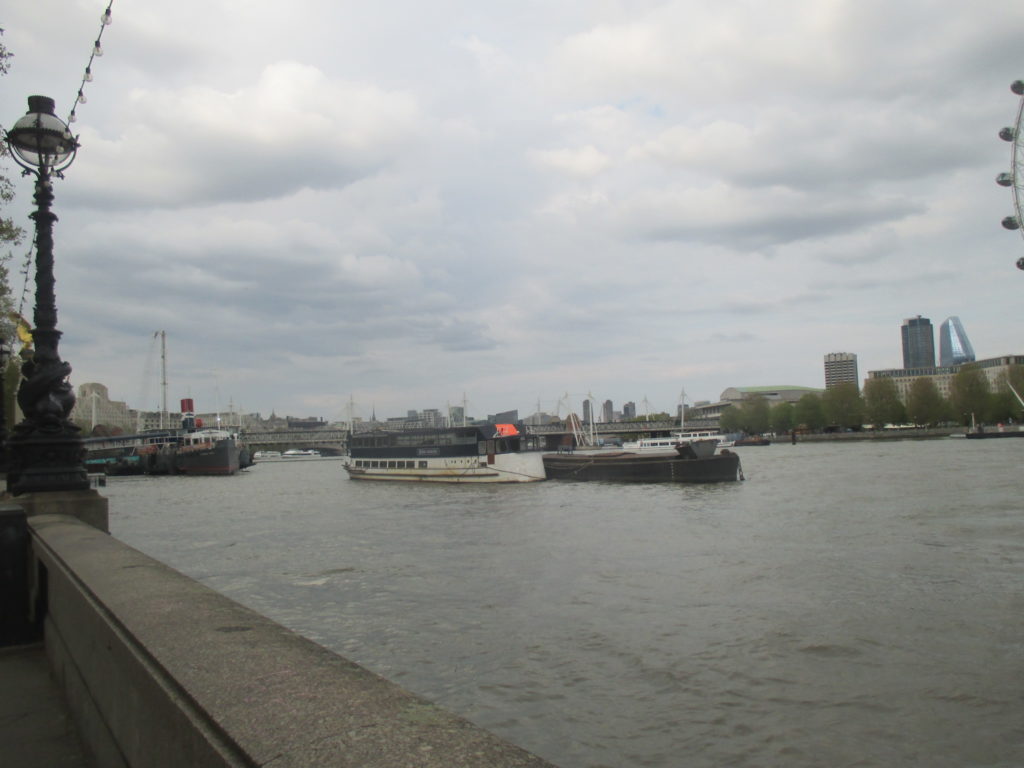
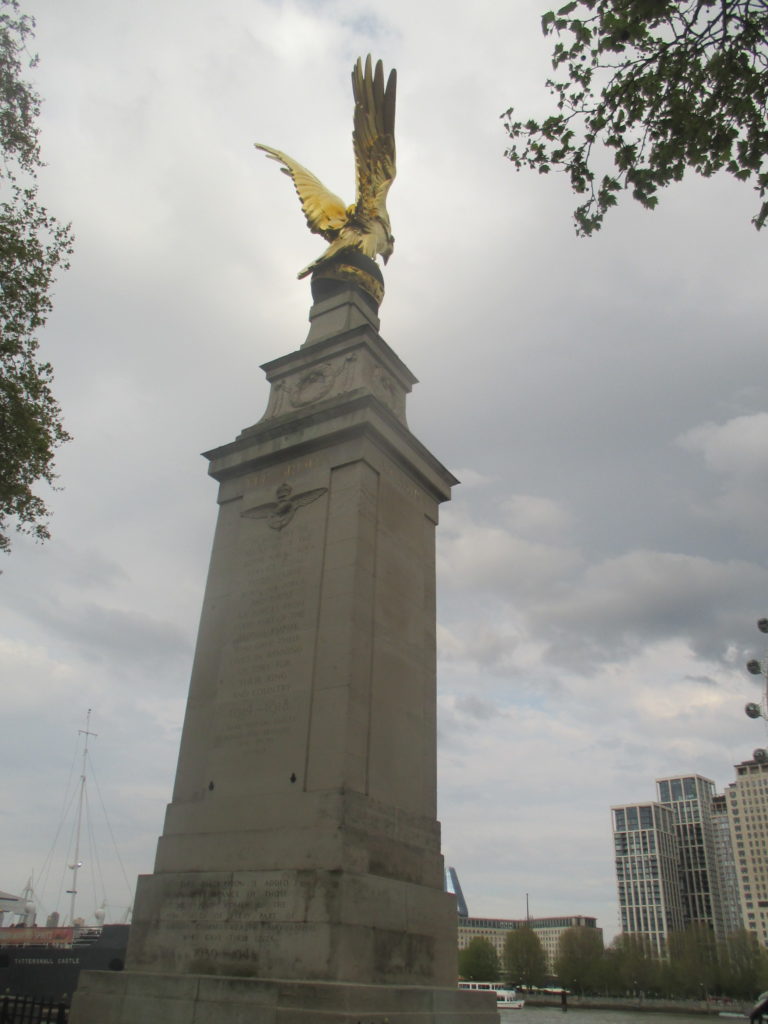
C’est alors que je vois sur le terre-plein, entre la piste cyclable et la chaussée, un campement insolite fait de tables et de chaises, de tentes, de palettes, de pots de fleurs, d’affiches, le tout surmonté d’un petit drapeau britannique.
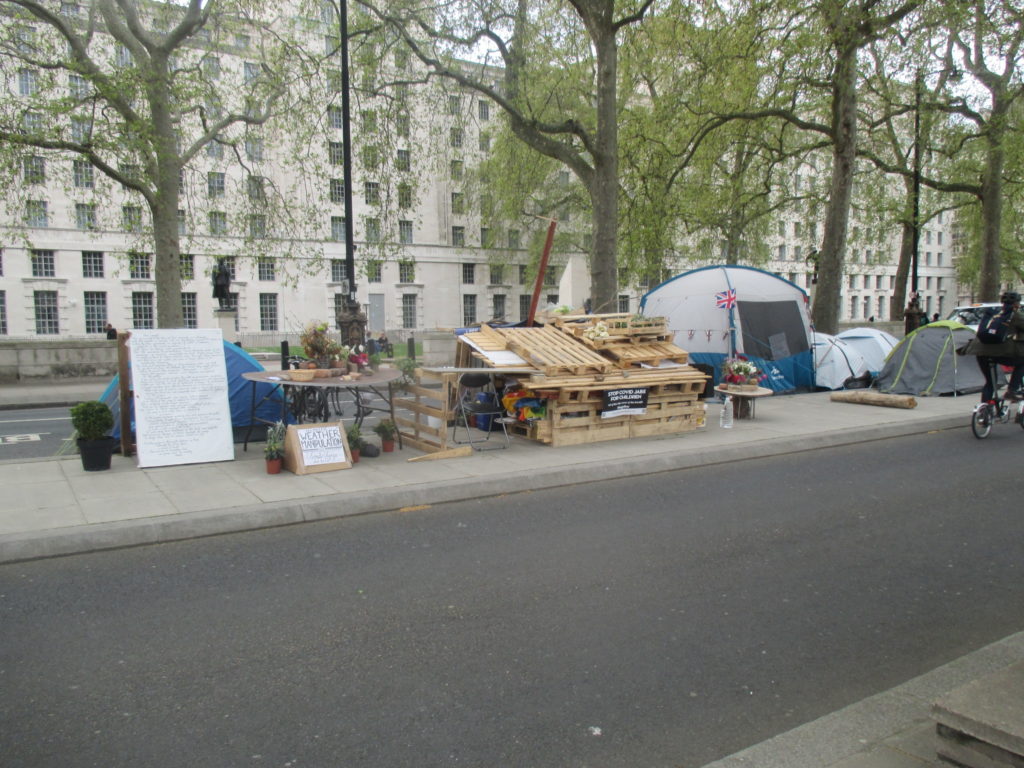
Avec émotion, m’approchant des pancartes et affiches, je comprends qu’il s’agit de ce qui reste des manifestations et convois de la Liberté contre la dictature sanitaire qui ont secoué notre Occident pendant tout le dur hiver. Un long texte écrit à la main sur une affiche explique le mensonge de la « pandémie » prétexte à la destruction de nos droits fondamentaux et la mise en place d’une dictature mondiale de contrôle des corps et des esprits. Le texte finit par une invocation de Jesus Christ, comme il est fréquent dans les cercles les plus actifs de notre Résistance. Je ne m’en formalise guère, qui n’a pas fait appel à Dieu pour tenir les noirs mois du Dark Winter de 2020/2021 ?
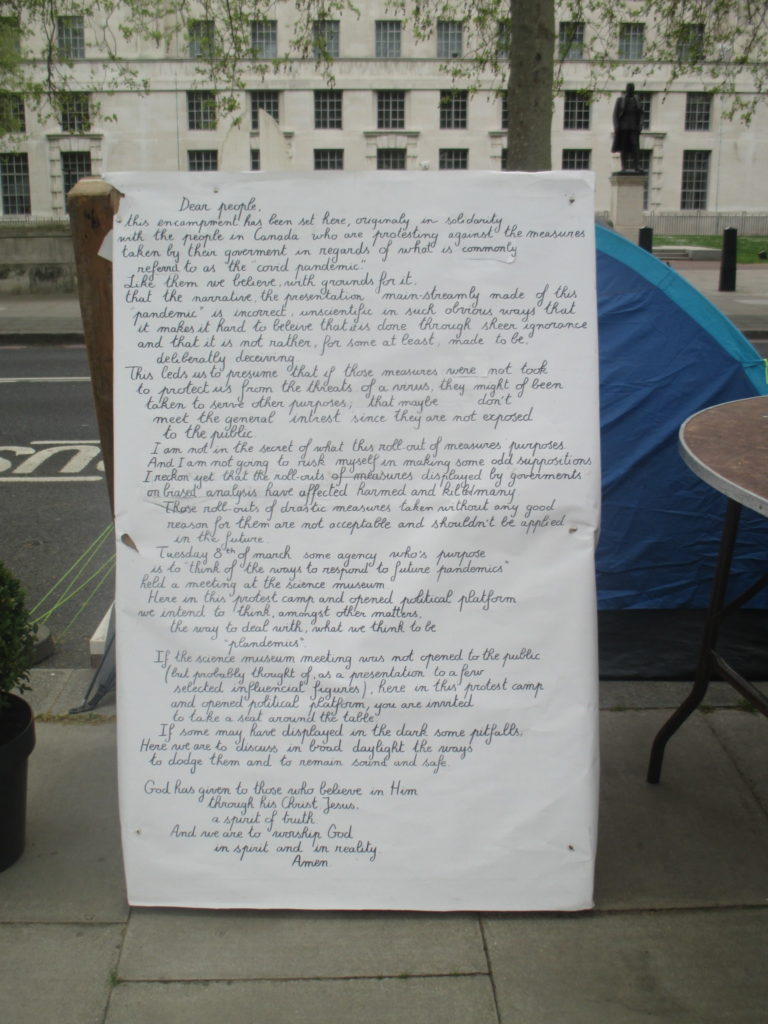
Une autre affiche faite à la main explique que le « Changement climatique » est une manipulation artificielle de la météo, une autre, très grande, proclame « Freedom Love and Unity » (Liberté, Amour et Unité) « No vaccine mandate » « non aux vaccinations obligatoires ». Une petite feuille épinglée sur une tente rappelle la persécution du « dissident » Julian Assange et conclut « we are the last free people » (Nous sommes les derniers humains libres).
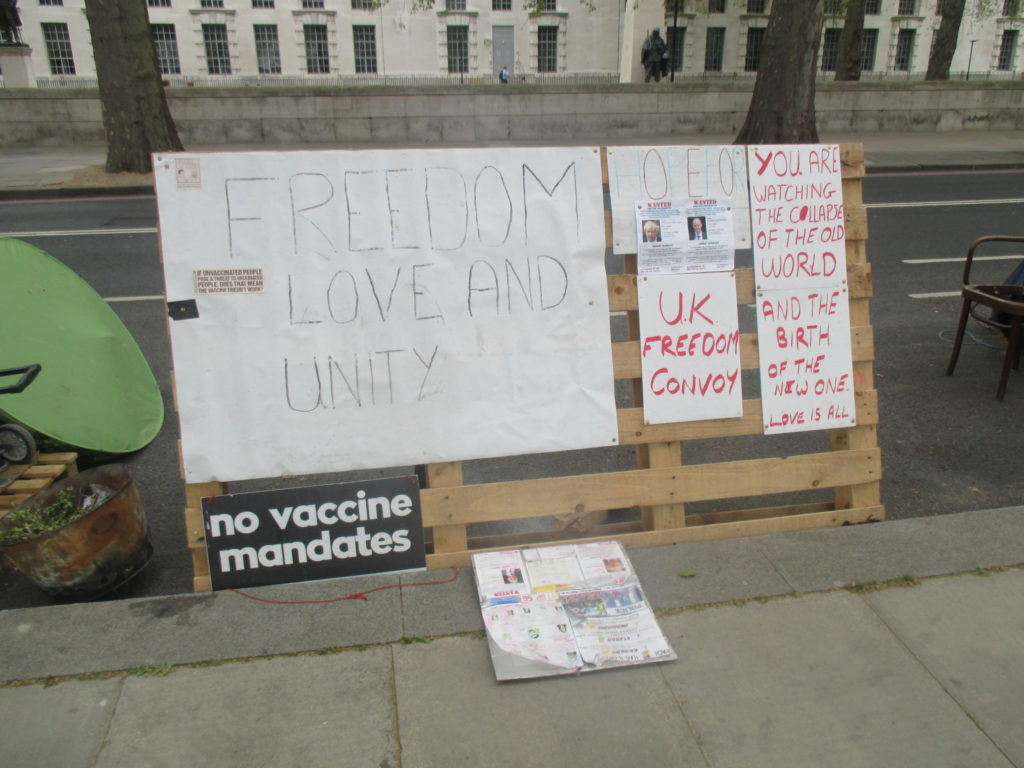
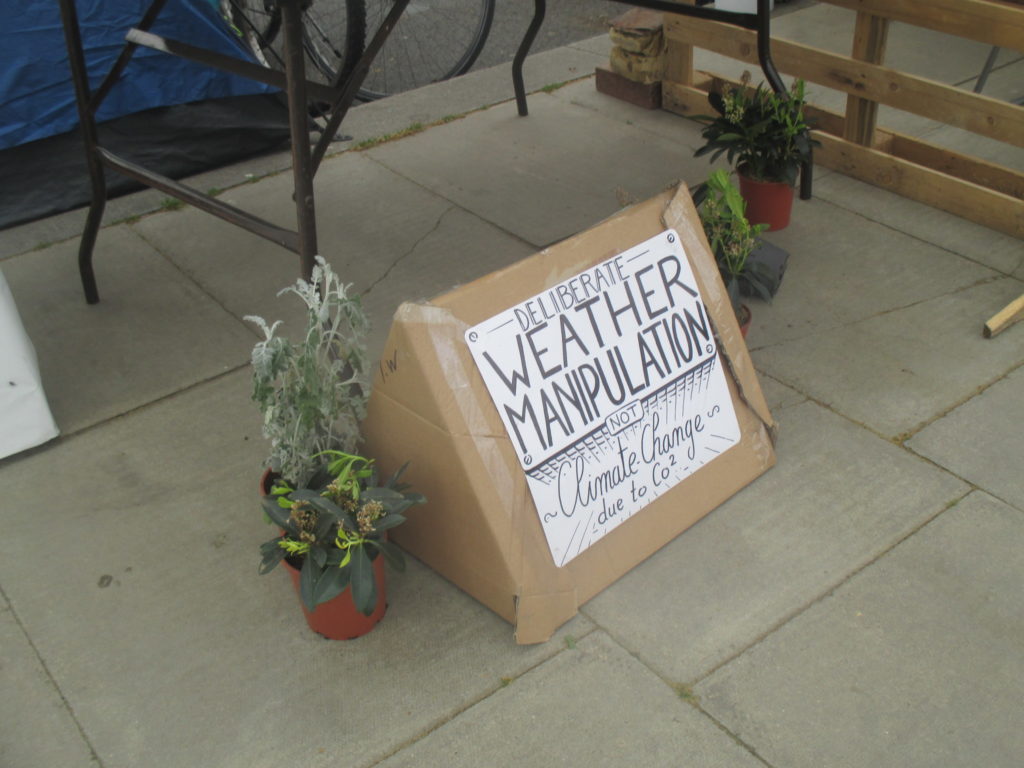
Un homme sort d’une tente, je me présente en lui demandant si je peux photographier. Nous engageons une conversation émue. Je lui parle des immenses luttes en France contre le pass sanitaire, discrimination inique n’ayant comme équivalent que le système de pureté raciale (et sanitaire) fasciste. L’Homme est d’origine iranienne, les droits de l’Homme lui tiennent donc à cœur de par son histoire. Il connait nos luttes françaises, et comme beaucoup, m’émeut pas son absolu respect pour les Gilets Jaunes, vus comme les leader historiques d’une nouvelle Révolution en Occident. Nous échangeons sur la situation actuelle, simple veillée d’armes avant la reprise des hostilités par le régime contre les peuples. Il est d’accord avec moi que le Convoi du peuple canadien en février joint à l’offensive russe contre le nazisme ukrainien nous ont provisoirement sauvé du pire – l’injection du poison ARN de force aux enfants et la mise en otage des travailleurs, ce qui avait déjà été mise en place par les fascistes italiens avec le pass sanitaire en entreprise et nous pendait au nez en France.
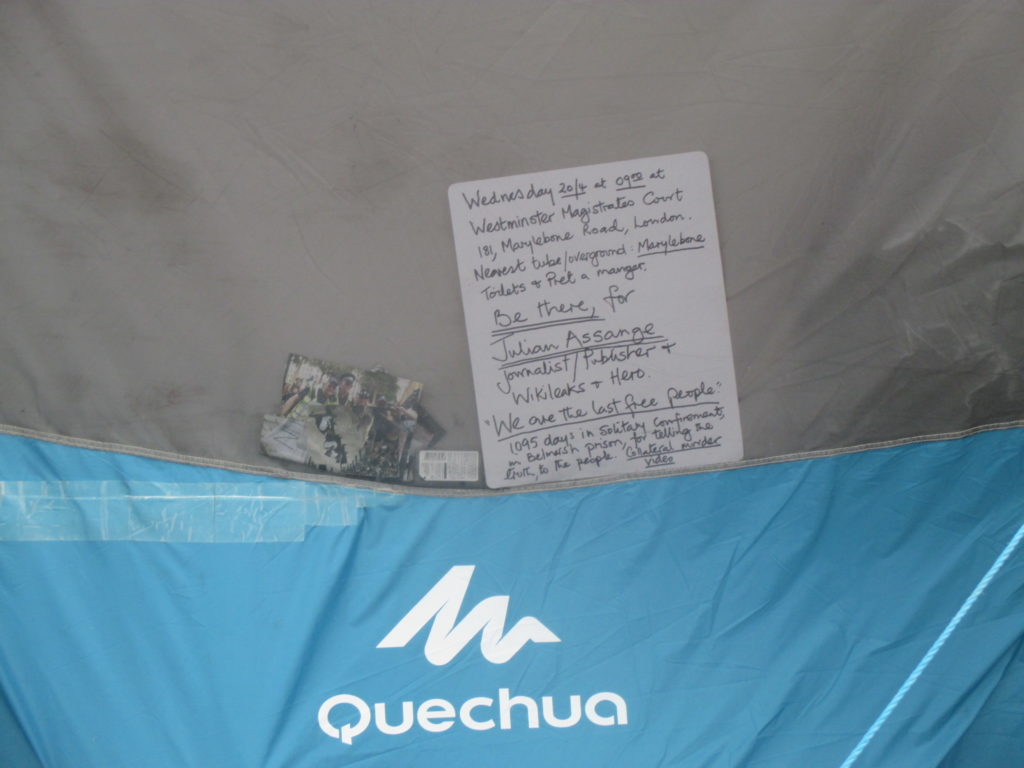
Nous avons juste devant nous quelques mois pour reprendre nos forces et structurer la Résistance. Le militant anglais confirme que malgré les caricatures dont Boris Johnson est victime, il ne fut pas le pire des politiques covidiens. Bien pire furent les corrompus du parti travailliste tous anti Brexit d’ailleurs et du National Health Administration, les médecins et directeurs des hôpitaux. Les tueries de vieux dans les maisons de retraites et dans les hôpitaux ont eu lieu autant en Angleterre qu’en France. Mais le gouvernement de la Grande Bretagne a davantage les mains libres que la France depuis le Brexit, puisqu’aucune bureaucratie mondialiste de l’UE ne peut lui imposer sa politique. La soumission de certains hauts fonctionnaires et politiques anglais à l’agenda de la dictature de la secte mondialiste n’en est que plus éclatante et plus intolérable.
Je prends congé de mon sympathique ami non sans l’avoir remercié d’avoir rappelé sur la pancarte le RDV de demain pour la libération de Julian Assange : libérer Julian Assange est toujours la première raison de ma présence ici.

Je continue mon exploration en longeant le lugubre bâtiment du Ministère de la Défense, bunker en pierre des années 30 et je reviens vers le vieux siège de la Horse Guard du 18 siècle sur l’artère du Parlement. Sur le trottoir en face du ministère de la Défense se trouvent des statues du Maréchal Montgomery et du Maréchal Alan Brooke, chef d’Etat major des armées britanniques et ami de Churchill[16]. Malgré la grande inscription « Master of Strategy » sur le socle de Alan Brook, le style des monuments est assez quelconque et je déplore que la saga des deux héros de la lutte contre le nazisme mériteraient plus de soin dans la présentation – en particulier le monument consacré au pourtant célèbre et génial Montgomery est bien trop modeste.
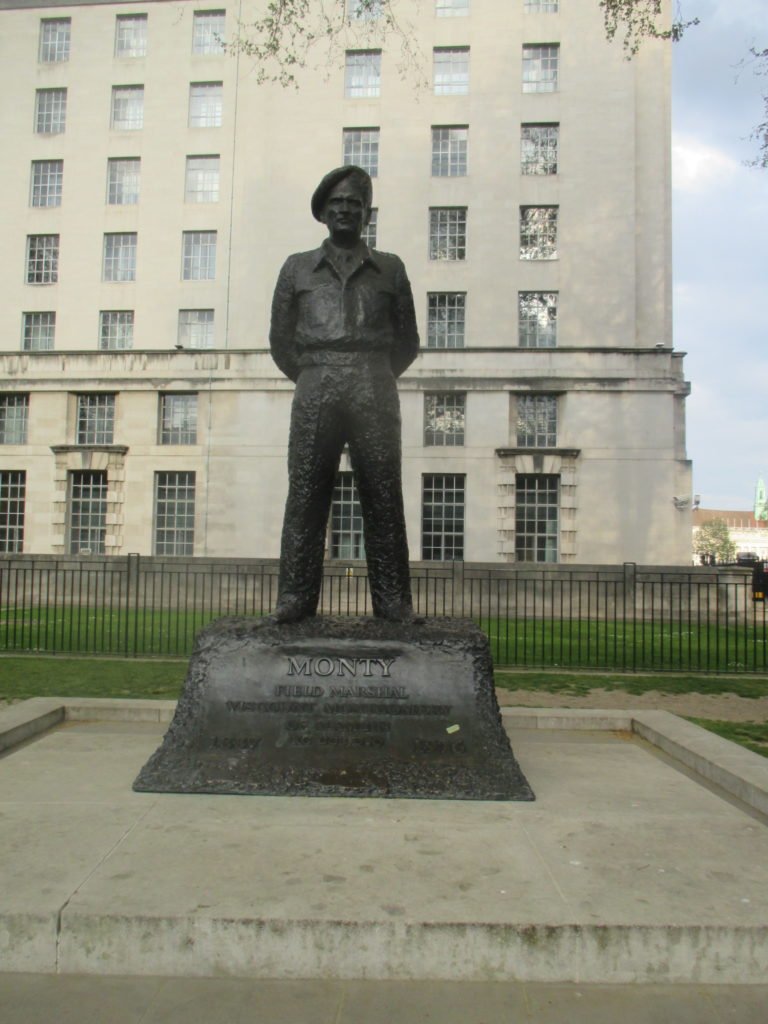
Au centre de l’avenue entre le Whitehall (en réalité le siège de l’Amirauté, toujours ce lieu de pouvoir principal d’une thalassocratie) et le ministère de la Défense trône encore une curieuse statue : un cube en pierre noire sur lequel sont comme suspendus des manteaux, tailleurs et chapeaux féminins. Il porte l’inscription « The women of Word War II ». Curieux mémorial qui se veut féministe, mais sur lequel ne figure aucune femme réelle, mais des vêtements « vides » ! Pourtant le rôle des femmes dans l’armée britannique ne fut égalé que par les femmes soviétiques dans l’armée Rouge… mais il n’y a aucune indication rationnelle, rien qui explicite ce monument qui reste dès lors incompréhensible au visiteur. Opération de vide médiatique typique de notre culture qui croit rendre honorer, alors que ce n’est qu’un hommage à son propre vide.
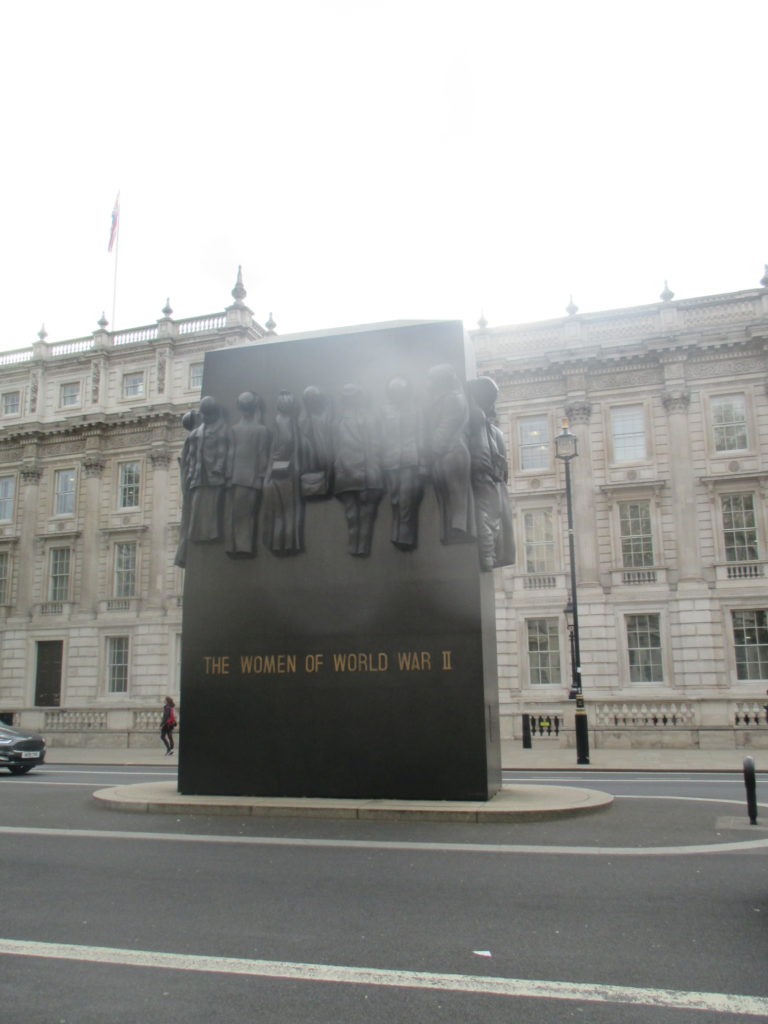
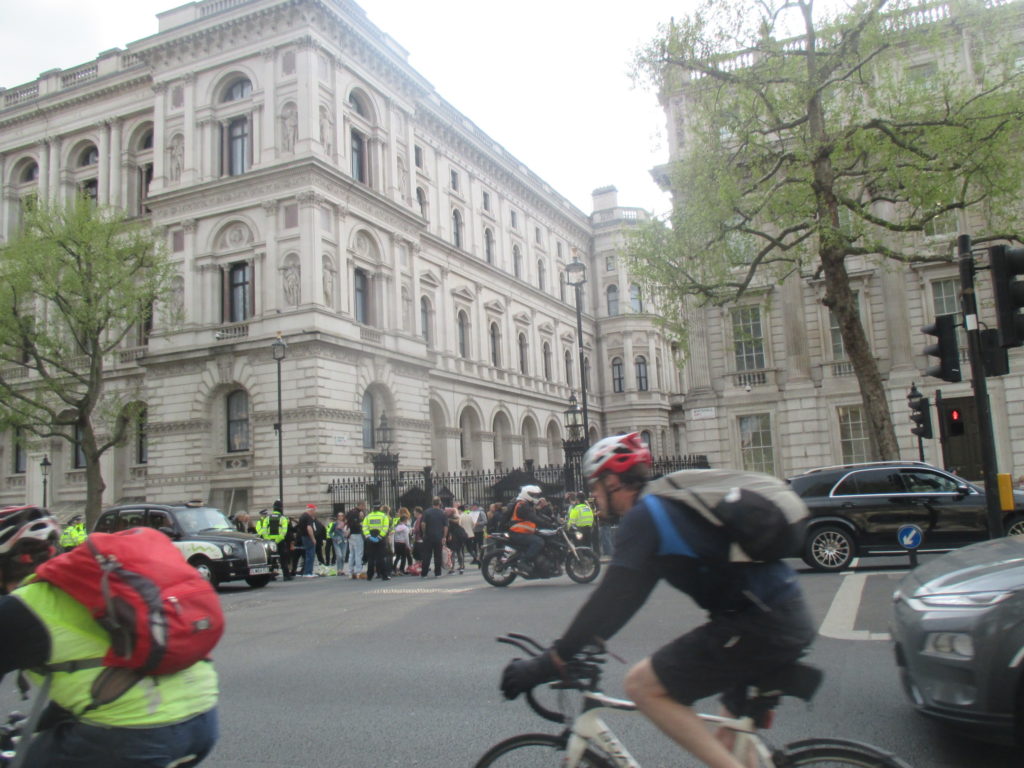
En face des femmes de la guerre absentes, je retrouve la grille ceinturant la ruelle ou vit en théorie Boris Johnson. Une manifestation a justement lieu devant la grille sous d’œil d’un petit cordon de policier en gilet jaune. Les manifestants sont une centaines, au slogan je comprends « Freedom of Speech under attack » (la liberté d’expression attaquée) que c’est la suite de nos protestations contre les obligations de vaccinage ARN. Apparemment il s’agit ici de soutenir une femme qui a été limogée de son poste pour avoir critiqué les produits dangereux et les profits de Pfizer. La lutte continue et je s’en sais gré aux Anglais de ne jamais lâcher sur la liberté de parler et le droit à l’intégrité physique. Leur constance et leur opiniâtreté nous protègent aussi car la lutte est mondiale.
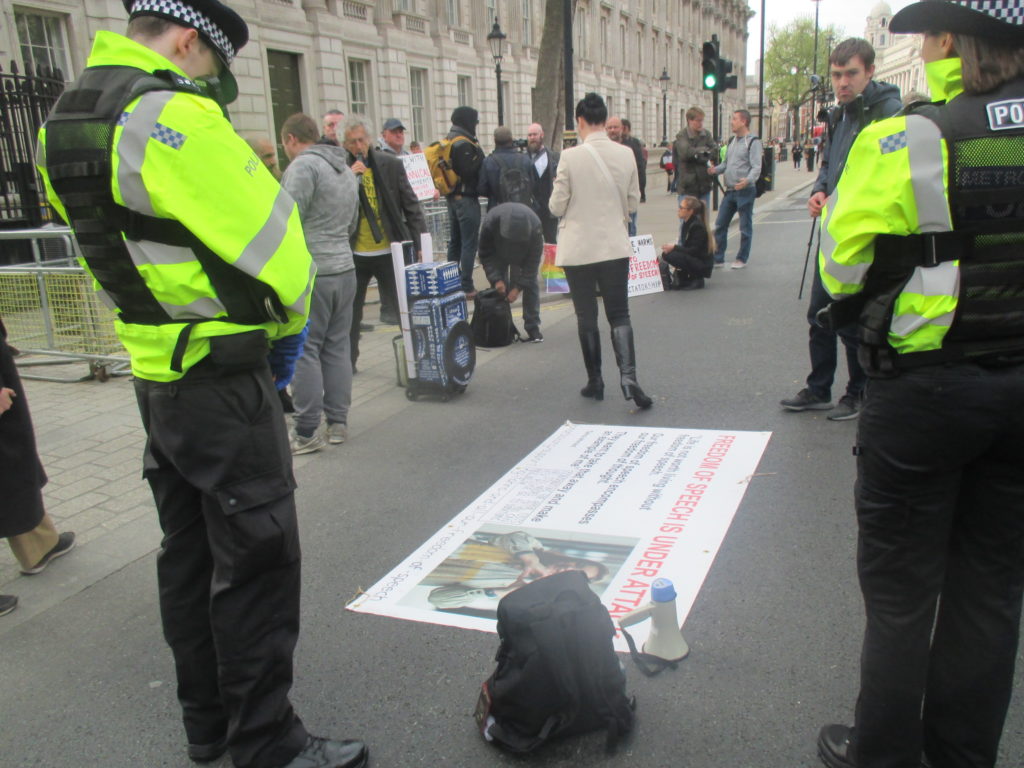
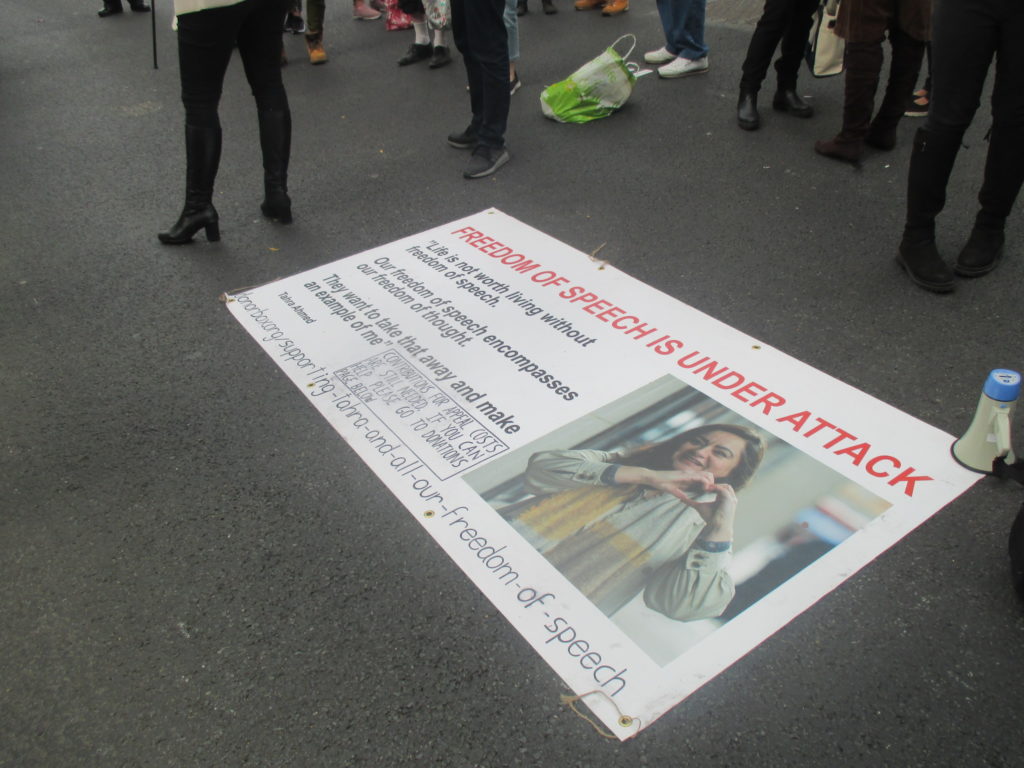
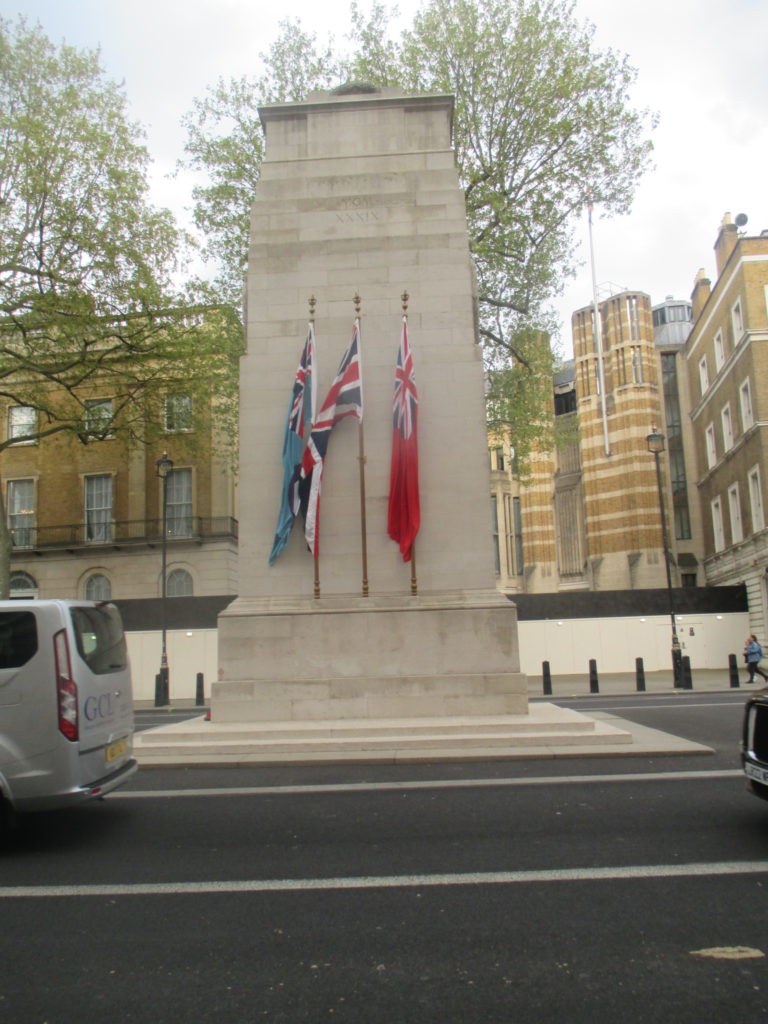
Pensive, je reprends le métro Westminster pour revenir dans mon quartier de Marylebone et Paddington. Je retourne au Baker Street pour tenter de mieux comprendre l’ancien « quartier des espions ». Je retrouve la rue Orchard Street qui prolonge Baker Street derrière le grand magasin Selfridge que je vient de découvrir deux heures auparavant en me promenant devant les anciens locaux du BCRA 10 Duke Street.
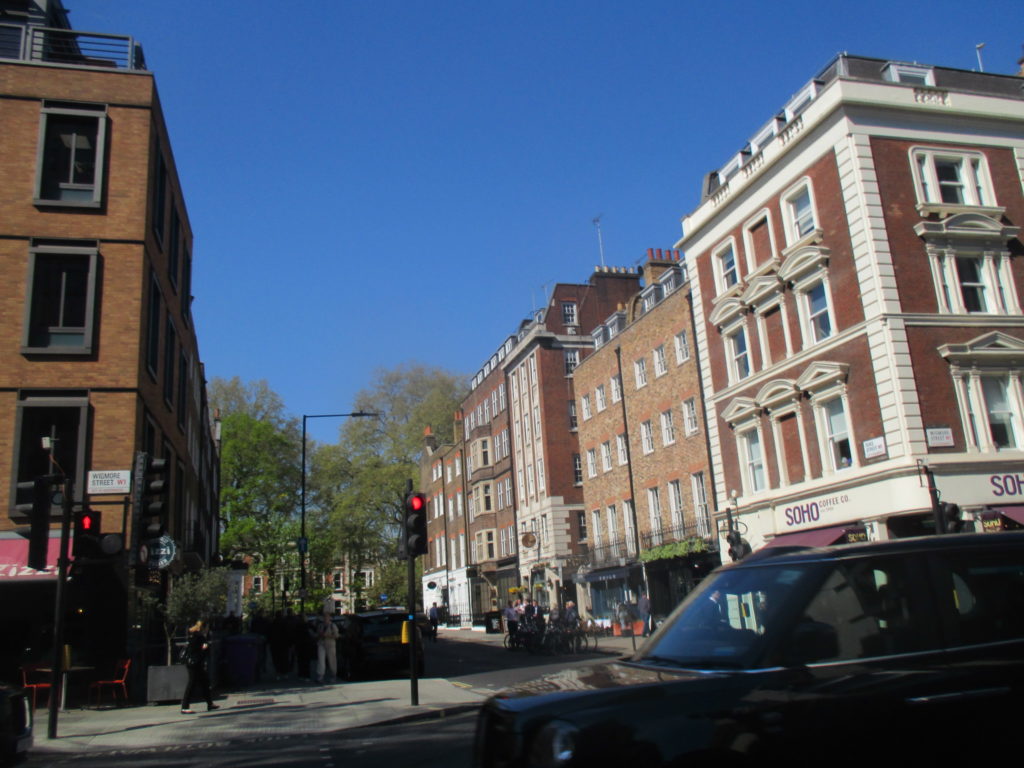
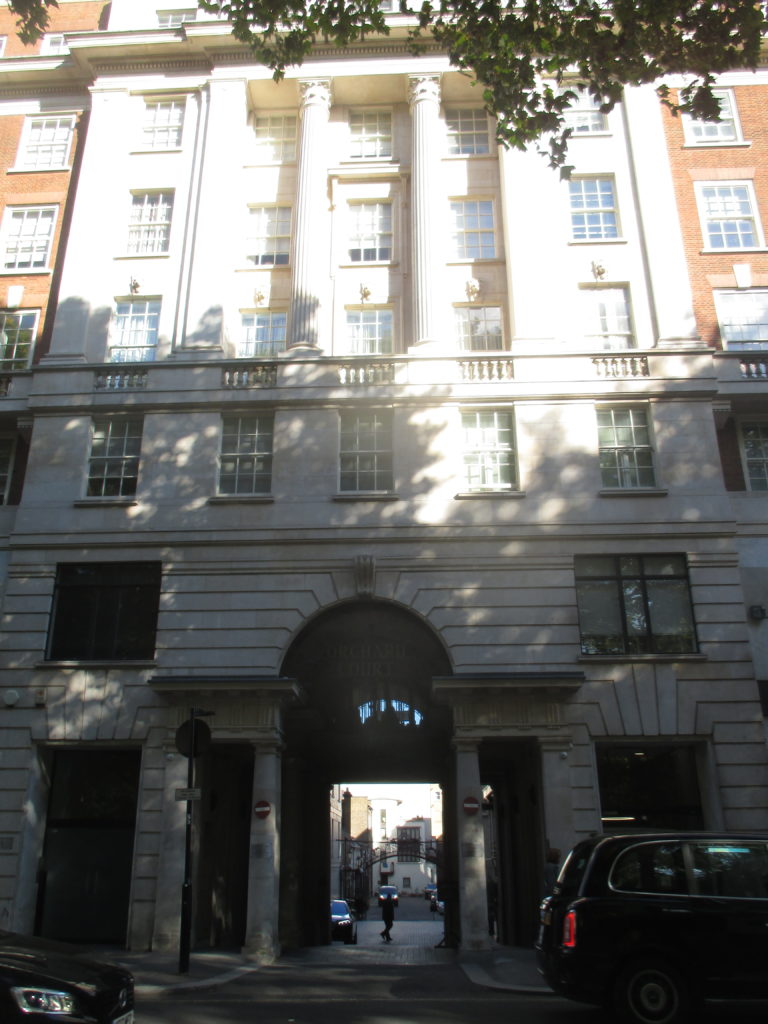
L’historien et ancien du SOE Michaël Foot écrit dans son histoire du SOE « Des Anglais dans la Résistance française » : « Un détail peu connu de la géographie politique londonienne de ce temps a sa place ici. Buckmaster (le chef de la section F « French » du SOE), rencontrait souvent ses agents dans un appartement secret situé à Orchard Court, Portman square, derrière les grands magasins Selfridge’s. De ce bloc d’appartement partait dans direction de l’Est une allée d’ancienne écuries se terminant en impasse, mais avec une porte : c’était l’entrée de derrière du 10 Duke Street. Buckmaster et Dewavrin prirent l’habitude de régler tous les désaccord qui surgissaient entre leur équipes respectives en faisant les cent pas dans cette allée »[17].
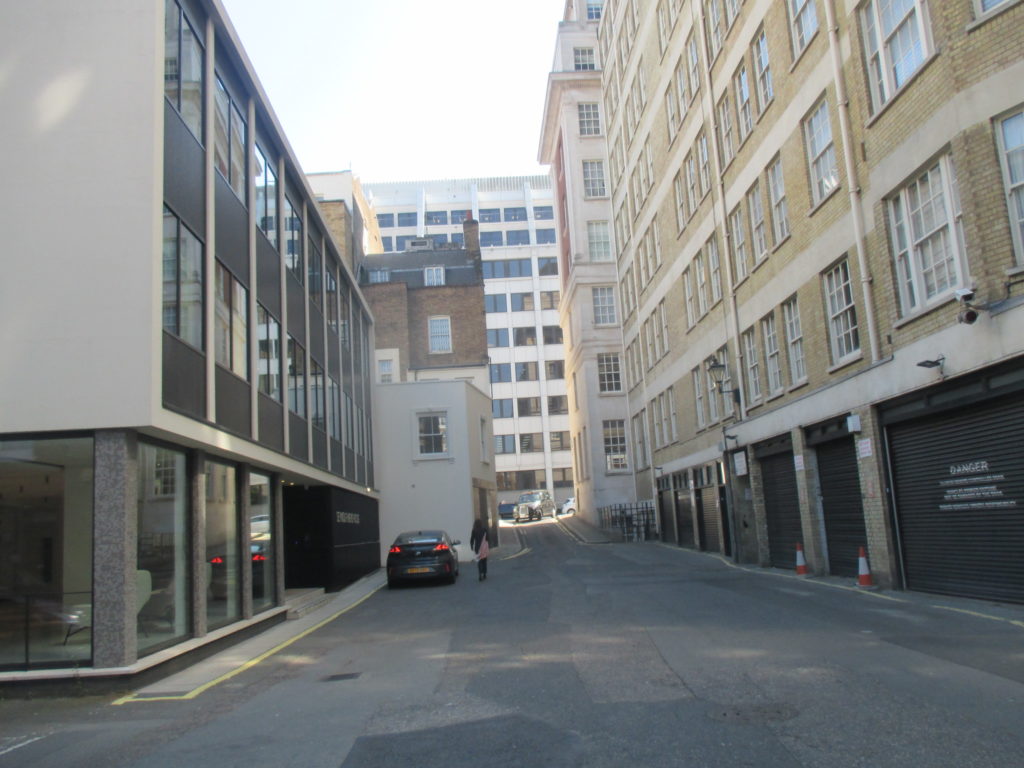
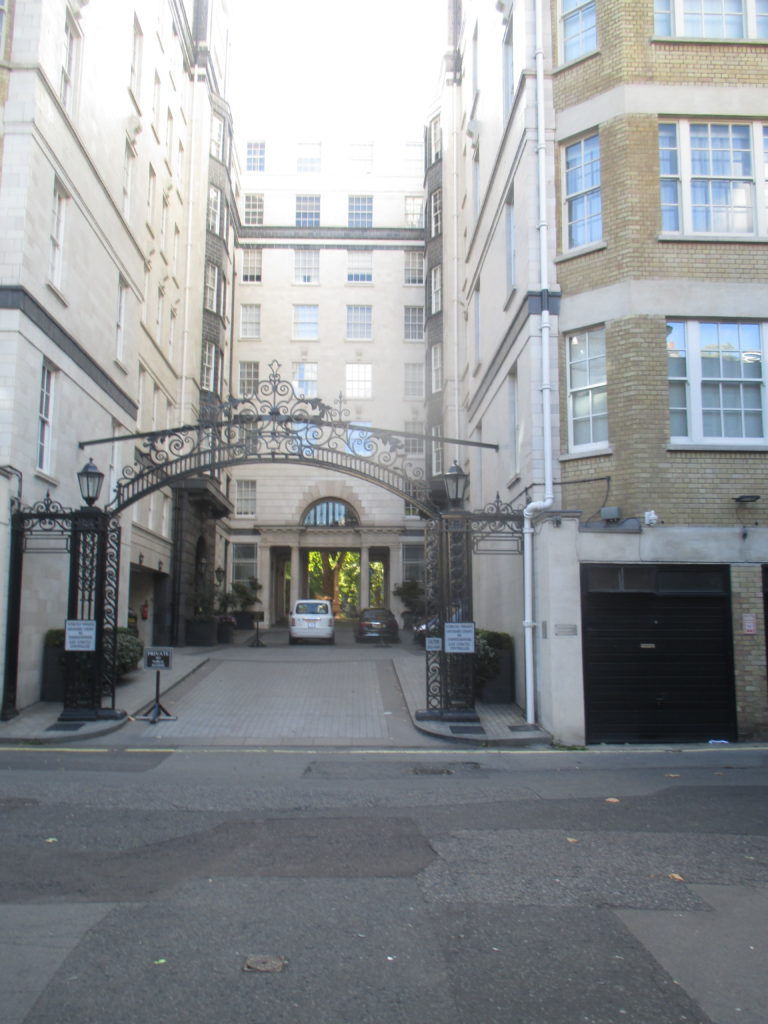
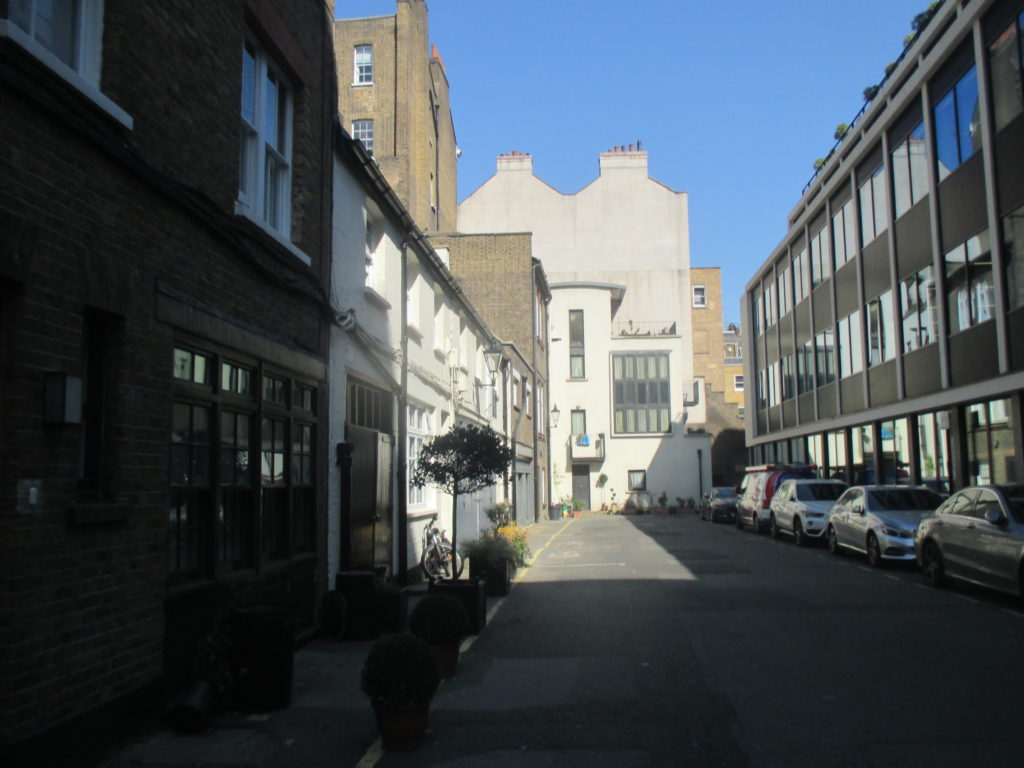
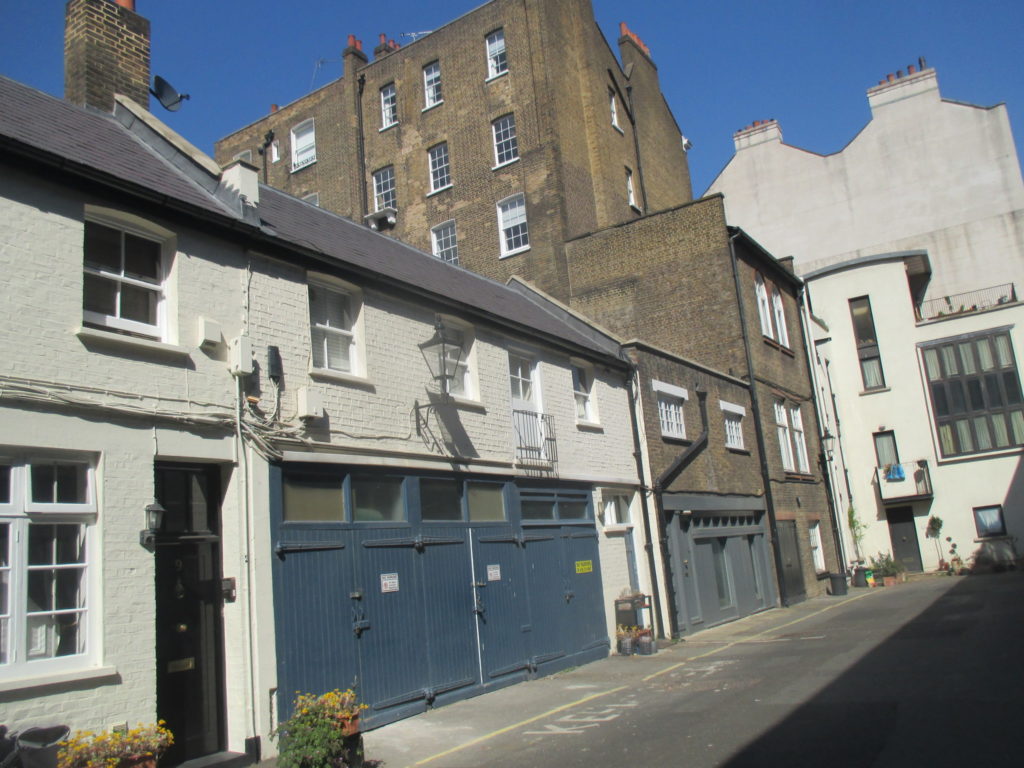
L’appartement en question est présenté comme un hôtel ou Sir Claude Dansey, le fameux et mystérieux « colonel Z », chef réel du MI6 les services secrets extérieurs britanniques rattachées à la royauté, reçoit la chef du réseau Alliance Marie Madeleine Fourcade dans le livre « L’arche de Noé » de 1968 (quoiqu’une lecture attentive à mon œil féministe exercé it révélée que l’auteur du récit ne peut être qu’un homme…)[18]. L’historien Thomas Rabino explique dans son histoire du réseau « Carte » , le plus grand bluff ou provocation de services secrets de l’histoire de la Résistance française, qu’André Girard, « Carte » fut reçu « dans les bureaux du SOE à Orchard Court », par Maurice Buckmaster, mais plutôt dans l’hôtel Grosvenor House, également dans le quartier par le major Nicholas Bodington[19].
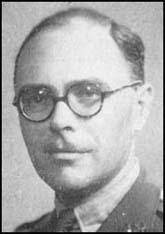
Bodington est en théorie adjoint de Buckmaster, mais en lien avec des services de Dansey son pouvoir réel dépasse sa fonction et son rôle dans les manipulations autour de la Résistance française est critiqué[20]. Il est accusé notamment par l’ancien agent du SOE Robert Maloubier et par le résistant et agent du SIS et du SOE Jacques Bureau d’avoir mené à la perte le réseau de Francis Suttil, Prosper[21].
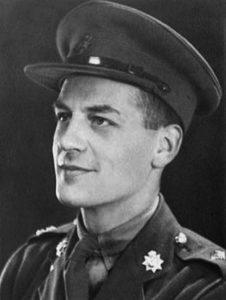
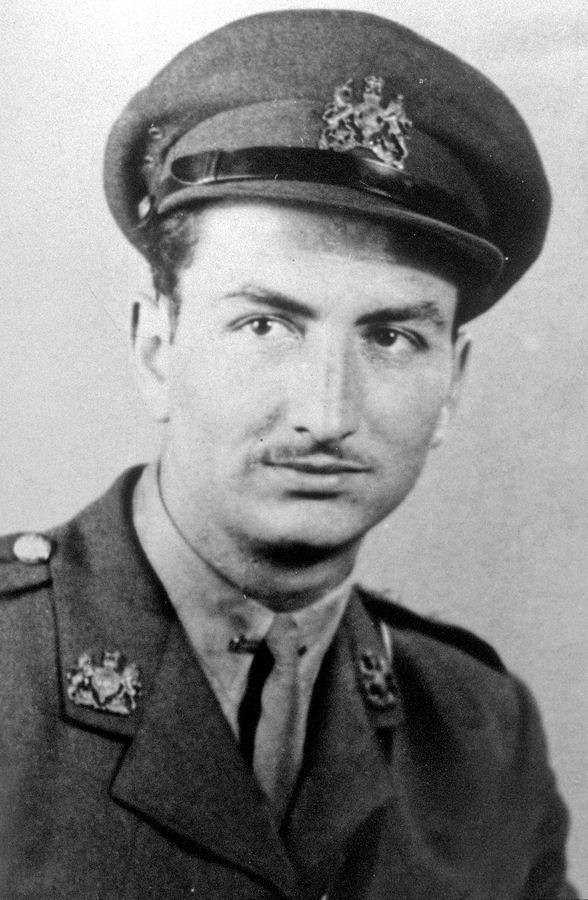
Plusieurs témoignages accréditent l’idée que Bodington et Dansey entretiennent des réseaux d’espionnage et d’action parallèles au SOE et indépendants de la volonté politique de Churchill, les réseaux de « Z ». Il est probable que l’existence de ces réseaux ne prend pas fin avec la fin de la Seconde Guerre Mondiale, alors que Churchill est sommé de dissoudre son fidèle SOE dès 1946. L’étape suivante de leur action serait l’exfiltration de nazis allemands utiles à la fondation du pouvoir des services secrets américains en Europe et la création des agents « stay behind » ayant pour objectif d’empêcher l’arrivée au pouvoir de partis communistes, notamment en Italie et en France.
Le commandant Sir Francis Brooks Richards, chef de la secteur maritime du SOE en 1943 et de la section française F à Alger, cite par contre un appartement discret à l’étage d’une maison au-dessus d’anciennes écuries, situé dans une impasse dans lequel en mars 1942 le colonel Rémy, agent du BCRA et créateur du réseau de renseignement« la Confrérie Notre Dame » fut reçu par les hommes du commandant Slocum, responsable au Secret Intelligence Service (et non au SOE) des liaisons secrètes maritimes entre la France occupée et la Grande Bretagne[22].

Je rentre dans l’impasse Seymour Mews et je me retrouve derrière les grands immeubles en briques de Orchard Street, mais effectivement devant de typiques petites maisons blanches et rouges alignées dans la ruelle. Les rez-de-chaussées aux grandes portes en bois évoquent les entrées d’anciennes écuries et les étages comportent des appartements bien rénovés. Au fond de l’impasse se trouve une petite maisonnette blanche à un étage et une porte qui donne sur l’arrière de l’immeuble du 10 Duke Street. Les lieux où se joue l’Histoire, et où s’est jouée l’Histoire de France, ont parfois l’air de rien.
Je rentre dans mon hôtel pour me préparer à la lutte du lendemain.
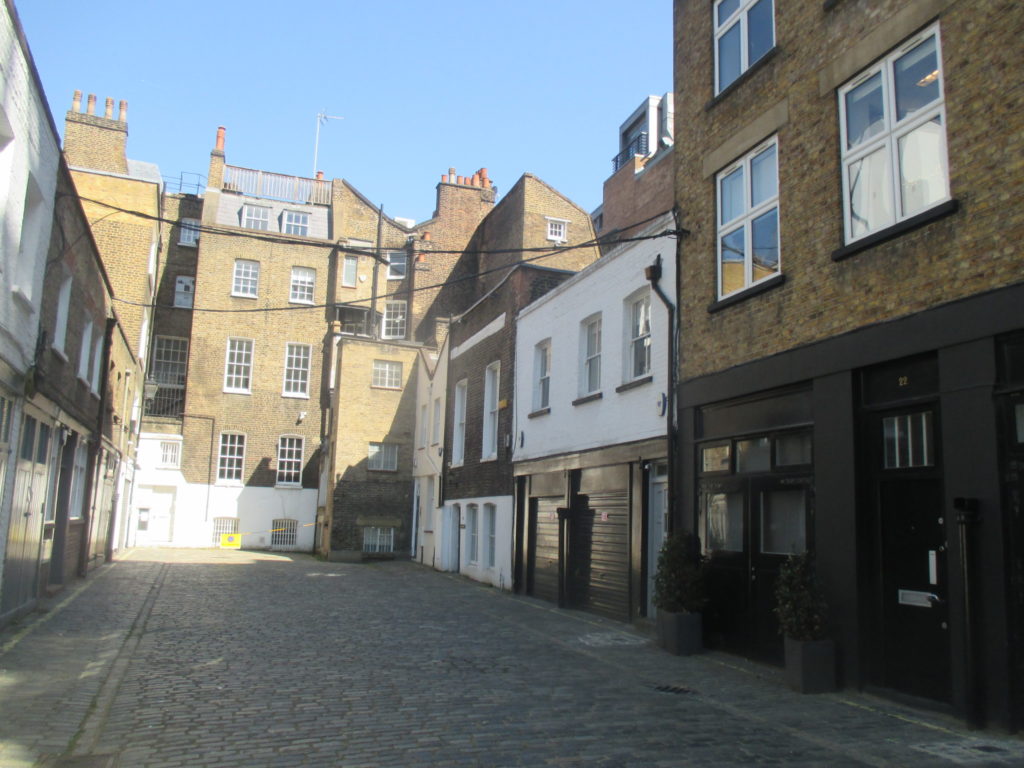
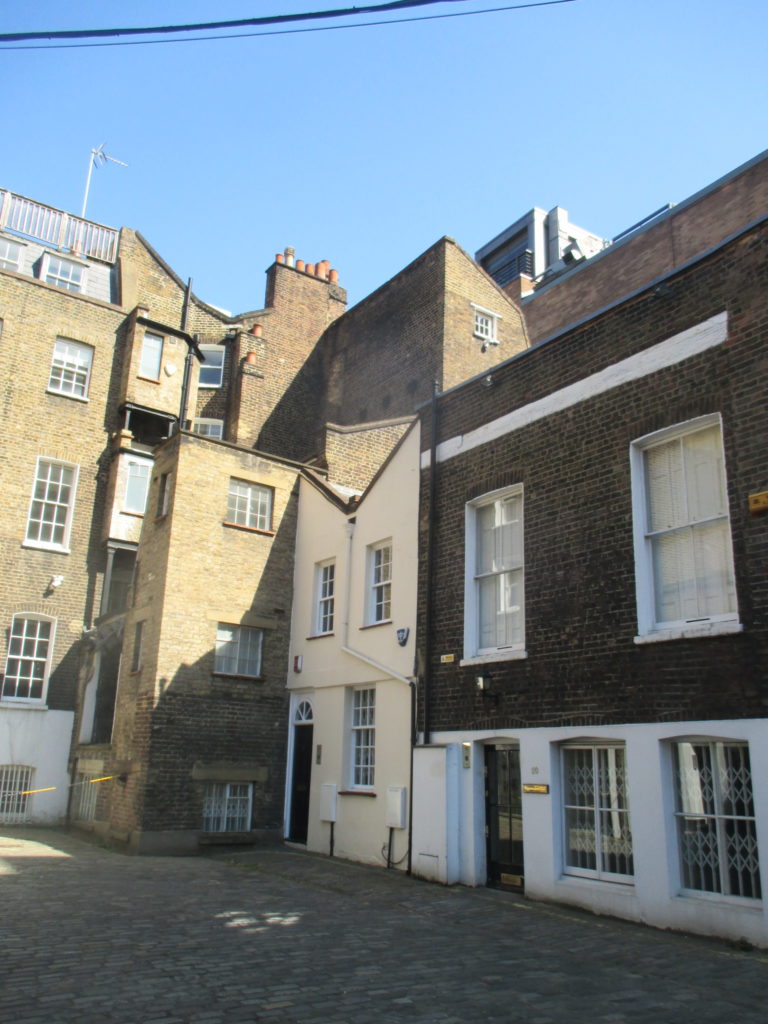
[1] From the archive, 29 November 1968: John Lennon « entitled to compassion » | John Lennon | The Guardian
Leaving Marylebone Magistrates’ Court . 1968. : beatles (reddit.com)
[2] Louis de Battenberg — Wikipédia (wikipedia.org)
Victoria de Hesse-Darmstadt — Wikipédia (wikipedia.org)
Louise Mountbatten — Wikipédia (wikipedia.org)
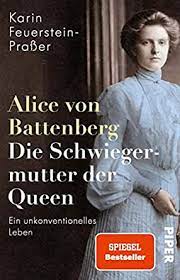
Louis Alexander Mountbatten, First Marquess of Milford Haven – The Dreadnought Project
[4] Arthur de Connaught et Strathearn — Wikipédia (wikipedia.org)
Margaret de Connaught — Wikipédia (wikipedia.org)
[5] SOE Baker Street – KilRoyTrip
[6] Michael Foot, Jean Louis Crémieux Brilhac « Des Anglais dans la Résistance, le SOE en France 1940-1944 », première édition en français 2008, première édition anglaise en 1966.
[7] Marie Madeleine Fourcade, « L’arche de Noé »
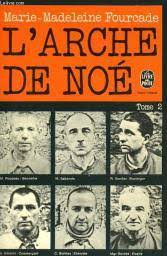
Le réseau Alliance fut un des plus vastes et des plus efficaces réseau de renseignements militaires français transmettant des informations militaires essentielles directement aux services anglais, sans coopération avec la France Libre. Crée par un Loustaunau-Lacau, officier membre de l’organisation d’extrême droite la Cagoule, il était bien implanté dans les milieux militaires, au sein desquels Loustaunau Lacau avait implantés les réseaux anti-républicains Corvignolles. Après l’arrestation de Loustaunau Lacau il fut dirigé par la journaliste Marie Madeleine Fourcade et l’aviateur Léon Faye jusqu’à sa destruction par la Gestapo courant de l’année 1943. Le réseau s’était élargit à des cercles sociaux plus vastes, techniciens, ingénieurs, professions libérales. Plus de 450 personnes membres du réseaux, dont des nombreuses femmes ont été assassinés dans les prisons allemandes et dans les camps de concentrations nazis. Léon Faye fut assassiné par les SS dans la forteresse près de Szczecin en avril 1945.
Marie-Madeleine Méric (Fourcade) (reseaualliance.org)
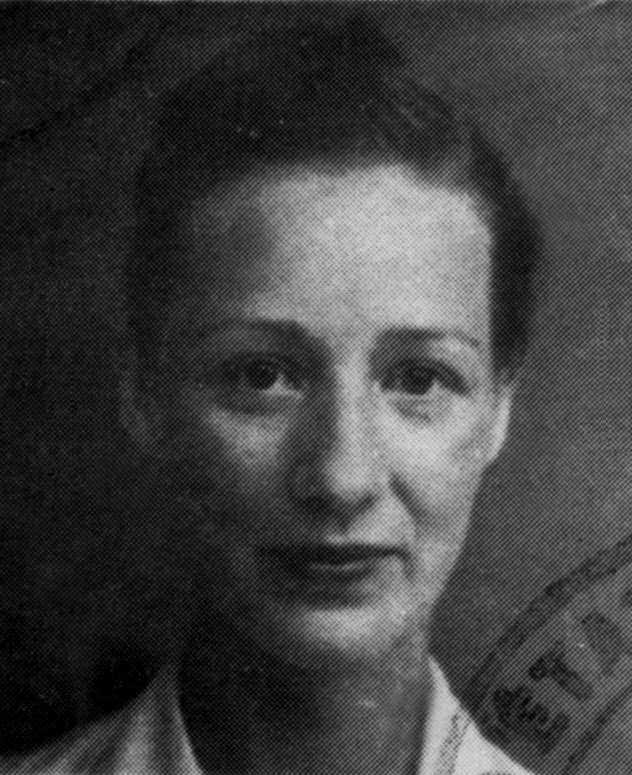
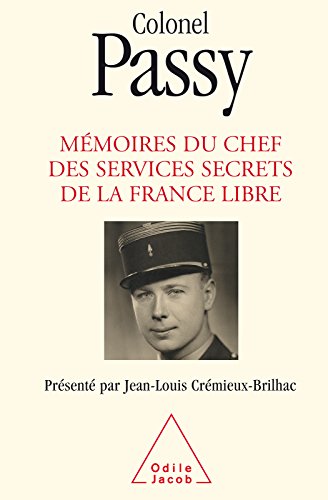
[9] BAE Systems — Wikipédia (wikipedia.org)
[10] The Institute for Government |
[11] Gatsby Charitable Foundation – Wikipedia
Gatsby Computational Neuroscience Unit – UCL – University College London
[12] Gatsby Computational Neuroscience Unit – UCL – University College London
Our Vision | Sainsbury Wellcome Centre
[13] About us | Commonwealth (thecommonwealth.org)
[14] Tarnished royal: the story of Lord Mountbatten, the Irish connection and allegations of abuse – Independent.ie
Mountbatten child abuse allegation to be heard in Belfast court on Tuesday (irishexaminer.com)
Explainer: What happened in the Kincora Boys’ Home abuse scandal? – Source (sourcenews.scot)
I was abused by Lord Mountbatten, claims former boys’ home resident | Borehamwood Times
[15] About us – HM Treasury – GOV.UK (www.gov.uk)
[16] Alan Brooke — Wikipédia (wikipedia.org)
Bernard Montgomery — Wikipédia (wikipedia.org)
[17] Michaël Foot et Jean Louis Crémieux Brilhac « Des Anglais dans la Résistance, le SOE en France 1940-1944 », Editions Taillandier 2008, page 81, source entretien de l’auteur avec André Dewavrin en 1969 et avec Maurice Buckmaster en 1984.
Maurice Buckmaster – Wikipedia
[18] Marie Madeleine Fourcade, « L’Arche de Noe », tome 2, Paris, Fayard, page 141-167, chapitre « Sir Claude ».
Claude Dansey — Wikipédia (wikipedia.org)
[19] Page 289 et page 300, Thomas Rabino, « Le Réseau Carte, histoire d’un réseau de la Résistance anti allemand, antigaulliste, anti communiste et anti collaborationniste », Perrin, 2008
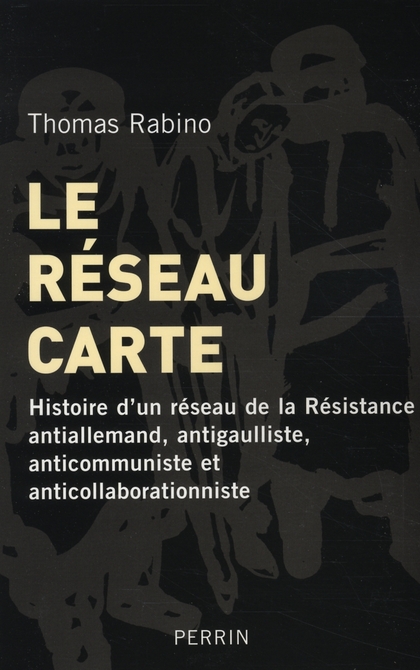
[20] Enseigner la mémoire ? – Histoire et mémoire des réseaux – Le réseau SOE Physician-Prosper par Jean-Pierre Husson (ac-reims.fr)
[21] Nicolas Bodington – Wikipedia
Bob Maloubier — Wikipédia (wikipedia.org)
Jacques Bureau, « Un soldat menteur », Robert Laffont, 1992
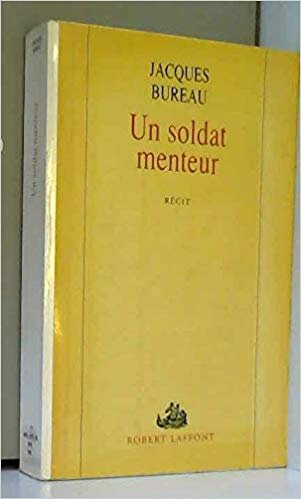
[22] Sir Brooks Richards, « Flotilles Secrètes », edition Marcel Didier Vrac, 2001, page 198, « Machenzie (officier de Slocum) fit le récit de cette première rencontre : « La première fois nous nous vîmes dans un appartement assez chic dans une ancienne écurie, l’un de ces appartements qui se cachaient avec tant de discrétion à travers tout Londres, à coté des squares élégants et au bout d’allées surprenantes. Vous ouvrez la porte et découvrez un escalier étroit devant vous, le tapis impeccable et les murs badigeonnés de couleur pâle contrastant curieusement avec les pavés sur lesquels vous vous tenez. Mais au-dessus des écuries, maintenant utilisés comme garages et remises, vous pouvez trouver des pièces plus spacieuses que vous vous attendiez avec beaucoup plus de caractères et de sens artistique dans la décoration que dans n’importe quel appartement de luxe. C’est dans une telle pièce que nous fîmes connaissance ».
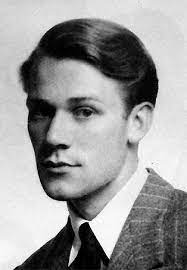
Les clochards de la Westminster Court
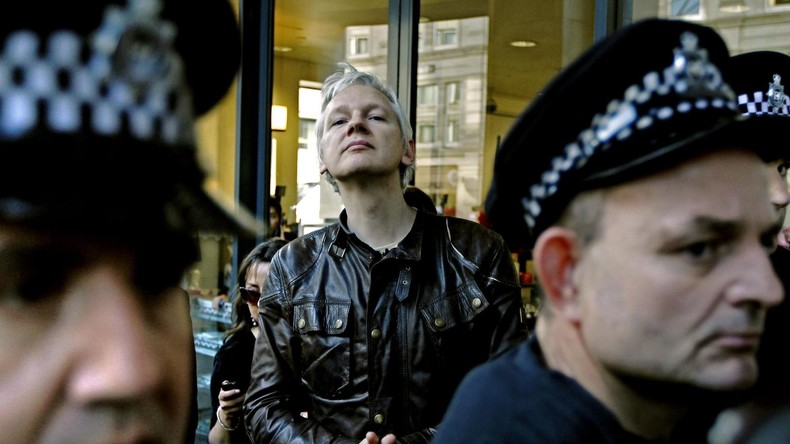
Rodée depuis 2 ans à la stratégie de lutte, je me présente à 5 heures du matin mercredi le 20 avril devant la Porte de la Westminster Court. Le jour se lève doucement sur le trafic londonien, la journée printanière sera belle et ensoleillée. En attendant il fait encore frais et j’arbore un foulard sous mon chapeau et ma veste en cuir pour patienter dehors pendant des heures. Il n’y a personne, je suis soulagée et je m’installe pour l’attente. J’observe le jour se lever, les Londoniens s’affairer pour aller au travail, je lis mes livres sur la Résistance et je rêve. J’évite de consulter mon téléphone pour ne pas épuiser la batterie.
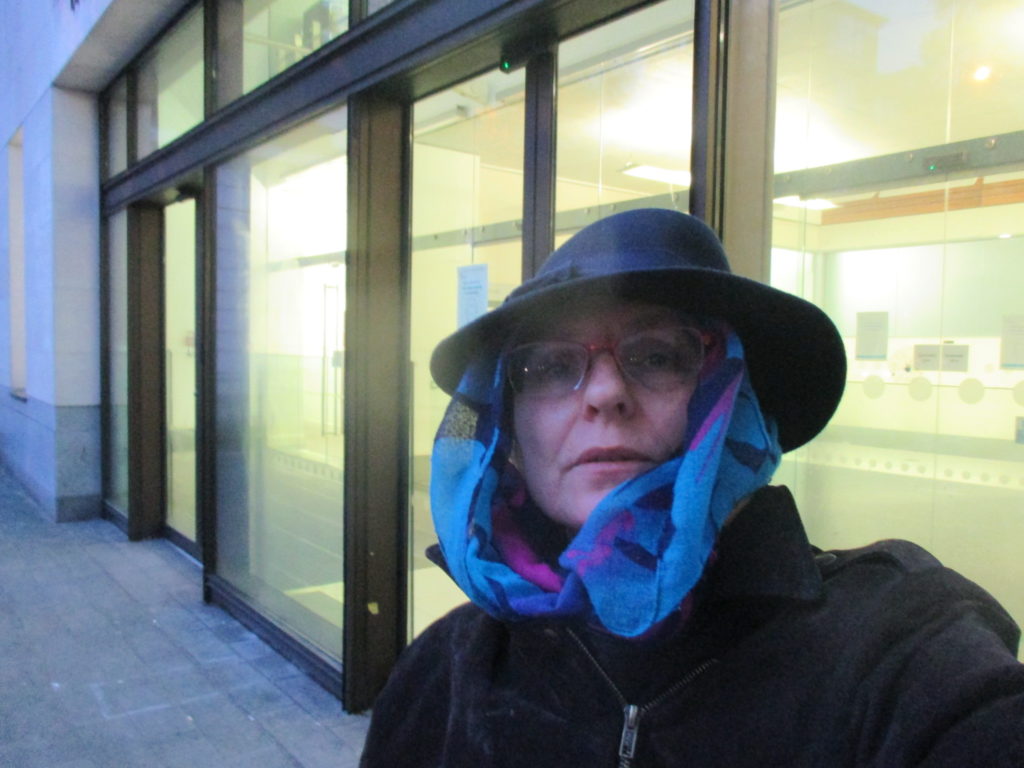
A 6h30 il n’y a encore personne et je me demande si quelque chose aura lieu aujourd’hui. D’habitude, lorsque le scénario ne prévoit pas la présentation de Julian Assange, les responsables du storytelling Assange ne se déplacent plus et envoient des seconds couteaux vers une heure tardive. Mais là il fait tellement tard que je me demande si tout n’a pas été annulé à la dernière minute.
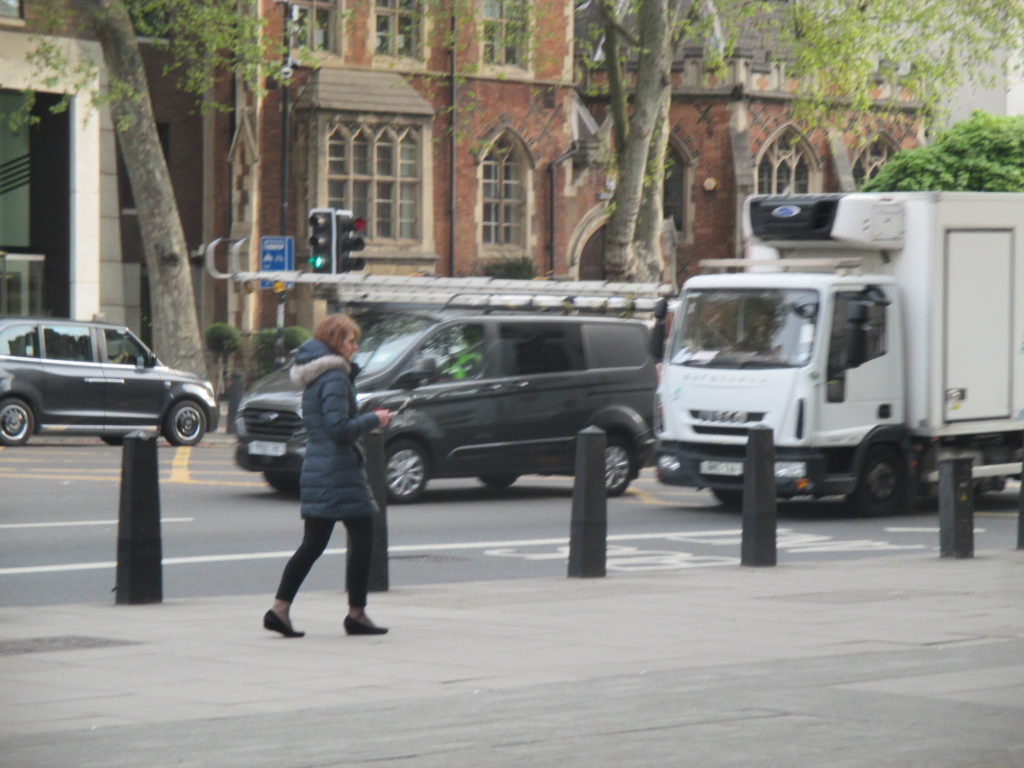
Vers 7 heures une femme d’une soixantaine d’années vêtue d’un anorak bleu marine sur des leggins noirs usés et tenant un parapluie jaune avec la mention « Free Julian Assange» s’approche de moi et me salue. Elle se dit être une journaliste hollandaise venue exprès pour l’audience. Je me présente aussi et à son air obligeant je comprends qu’elle n’a pas encore compris qui je suis. Elle pense que je fais partie du scénario, me questionne sur moi et me prends en photo, photo qu’elle envoie immédiatement à ses mystérieux commanditaires aux Pays Bas. Je discute gentiment avec elle et nous échangeons sur la dernière apparition de Julian Assange.
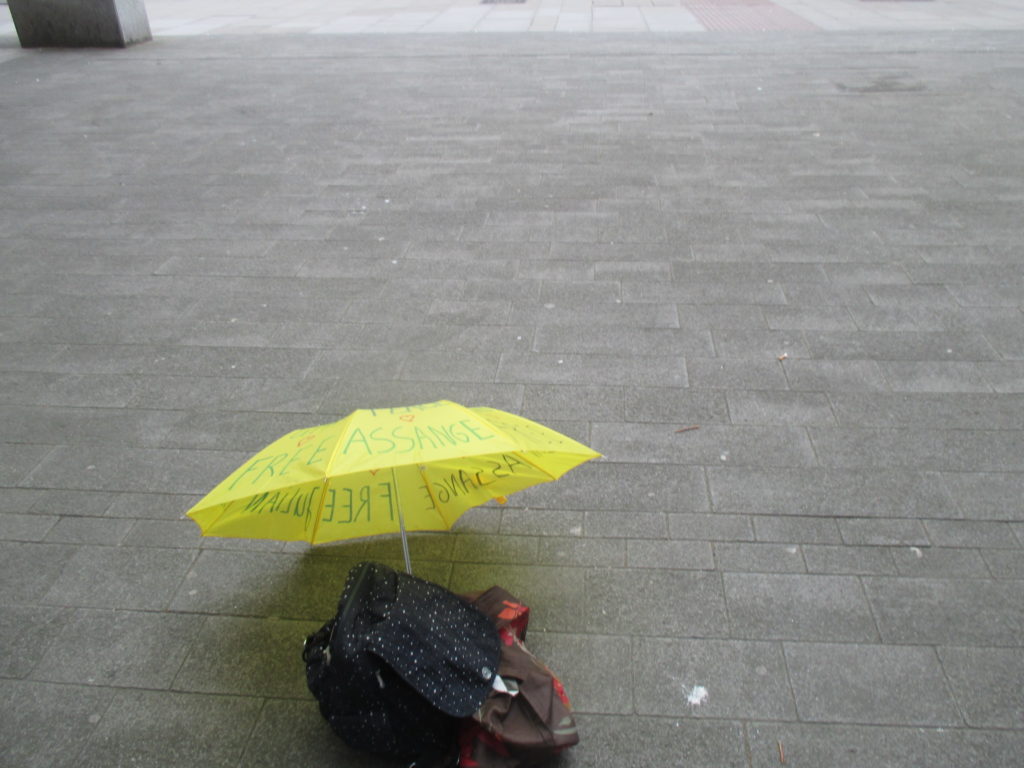
C’est assez amusant car elle me raconte avec force détails comment elle a été émue de voir Julian Assange au procès d’octobre, comment son apparition était tragique avec son visage terrible ravagé par son ACV. Pendant de longues minute la Hollandaise fertile en imagination me dépeint un Assange ayant du mal à rester debout pendant les deux jours du procès et son émotion face à lui. Je l’écoute attentivement, puis j’objecte doucement « J’étais là au Royal Courts of Justice. J’ai fait la queue de 5 heures du matin jusqu’à 10 heures, même avant, de 4 heures 30. J’étais la première arrivée avec le vieux Suisse Eric. Et je ne vous ai pas vue. Ni devant le tribunal, ni dans la queue vers la salle 4 ni dans la galerie du public ».
Sans se démonter la femme m’assure qu’elle était présente dans la salle ou était retransmise la vidéo avec Asssange à l’écran. Naturellement, j’y étais allée aussi, dans cette salle 1 et elle n’y était pas, seuls quelques jeunes s’y trouvaient, je m’en rappelle très bien d’autant plus que mon article est encore frais dans ma mémoire. Mais je préfère la coincer autrement « D’accord, puisque vous étiez là vous avez donc pu voir que l’homme qui était à l’écran portait un énorme masque noir qui dissimulait presque entièrement son visage ? Comment avez-vous pu reconnaitre Julian Assange, être sûre que c’est bien lui et surtout reconnaitre les traces d’un AVC ? ». La pauvre femme reste interdite une bonne minute ! Elle ne sait pas quoi répondre, on n’a pas dû l’avertir que je ne fais pas partie du scénario et que j’ai été la seule « indépendante » à avoir réellement pu entrer dans le bâtiment du Musée de la Justice !
Elle finit par bafouiller « Mais si, malgré le masque on voyait bien son AVC »… Je réponds férocement : « Certes, mais avez-vous remarqué qu’il n’est resté qu’une heure à l’écran ? De 11h30 à 12h20 exactement. Immobile devant une table, parfois passant sa main sur sa joue. Et puis il s’est levé sans aucune difficulté et a disparu dans une porte qu’on ne voyait pas. Voilà ce qui s’est réellement passé et que j’ai vu de mes yeux ».
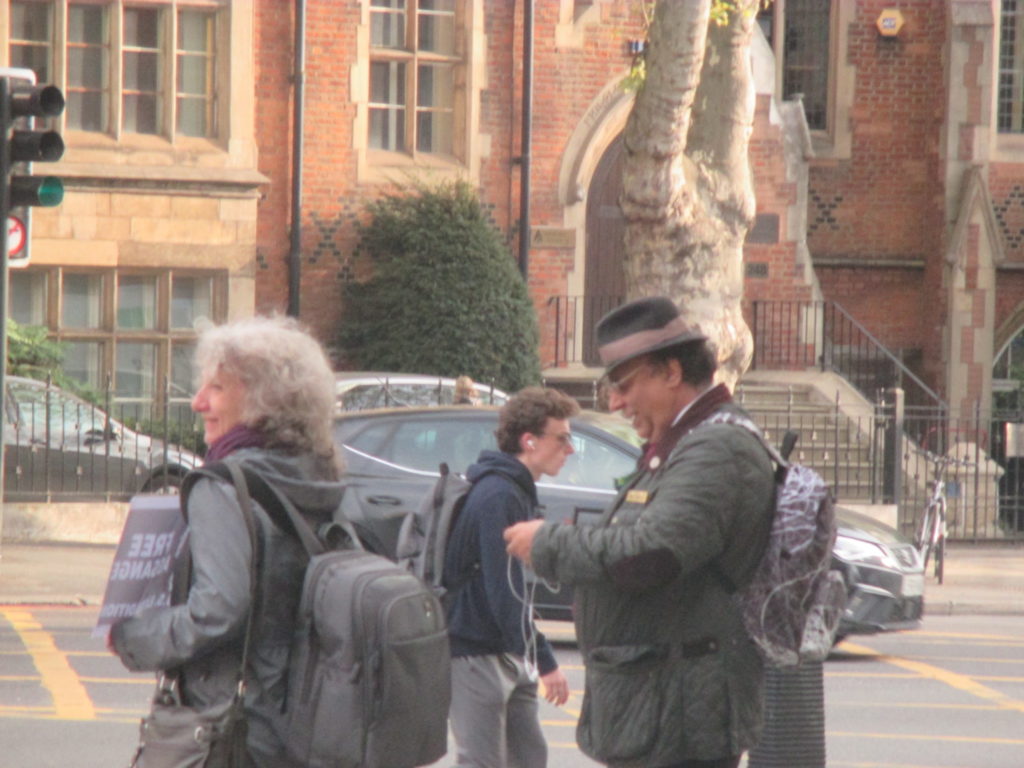
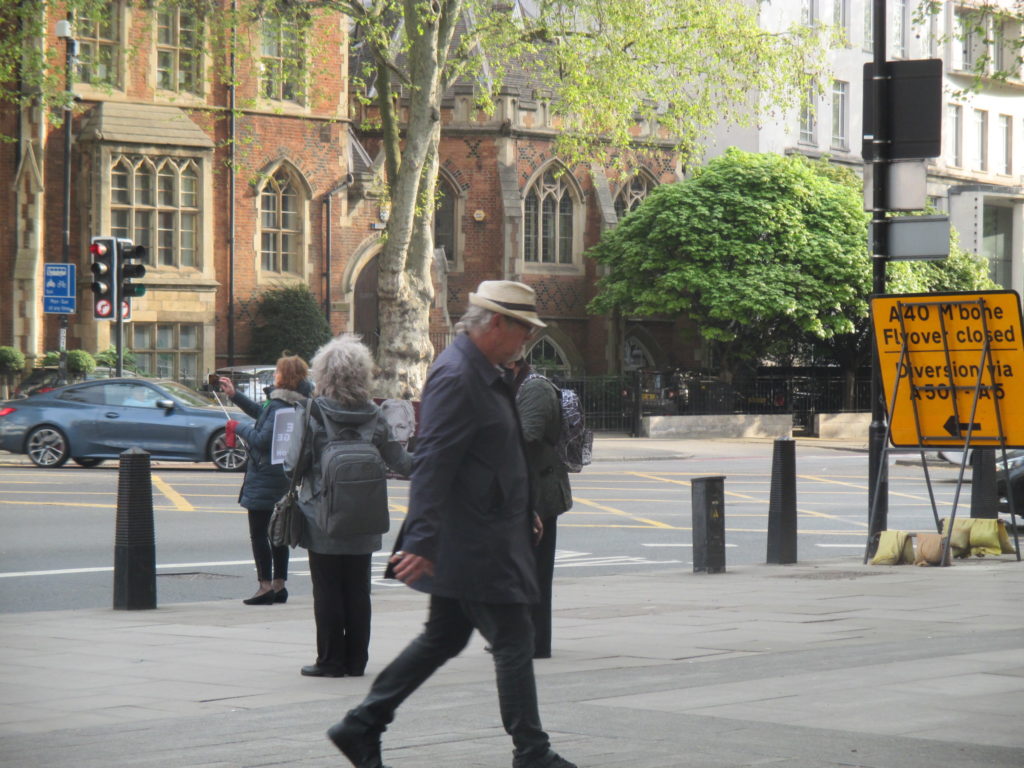
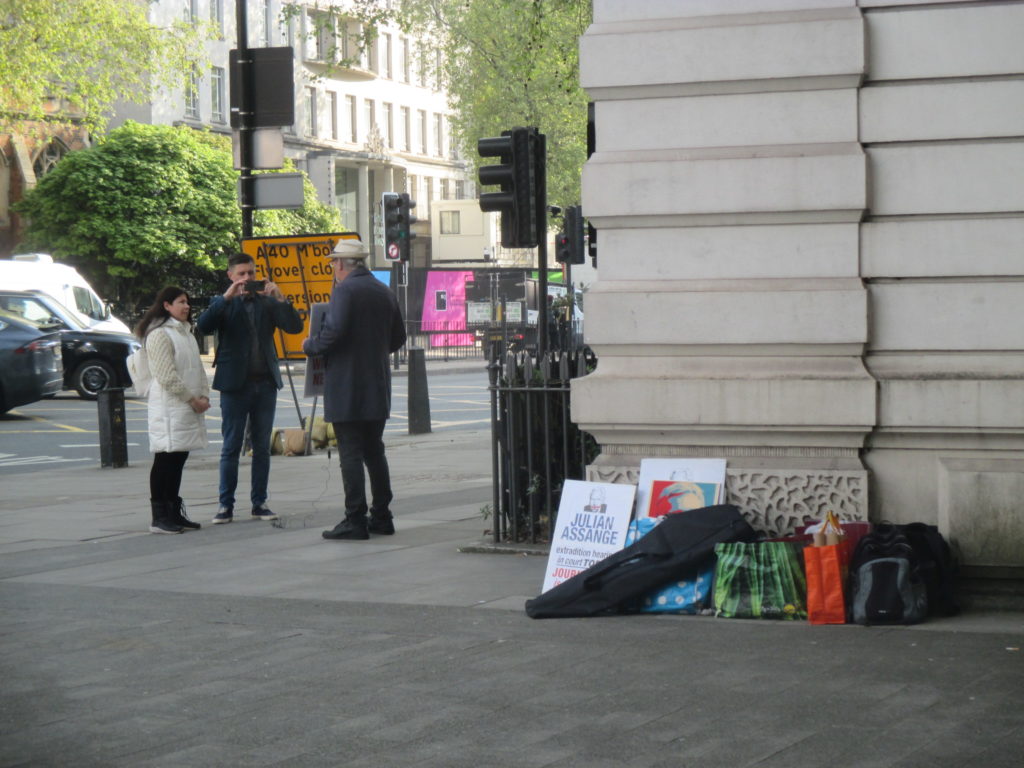
Mon interlocutrice ne sut comment défendre son mensonge, elle perdit un peu de sa superbe et changea de sujet. D’ailleurs, quelques troisième couteaux du système Greekemmy arrivèrent alors : une femme au cheveux gris qui dit venir de Bristol pour « soutenir Assange », un homme de type latino-américain en anorak noir, chapeau et cravate rouge. Puis Joseph le trockiste apporte le matériel, les pancartes, les panneaux et banderoles. Nous sommes donc 4 à attendre alors qu’il fait déjà tard, 7h45. A 8 heures arrivent un couple, la femme latino et un jeune homme blonds. Je les ai tous déjà vu, mais en troisième ou quatrième cercle, jamais en premier. Ils n’ont jamais eu le privilège d’entrer dans la « cour » et de voir « Assnage ». On dirait que l’importance de l’événement d’aujourd’hui est moindre puisque Greekemmy ne se déplace pas ni ses plus proches collaborateurs.
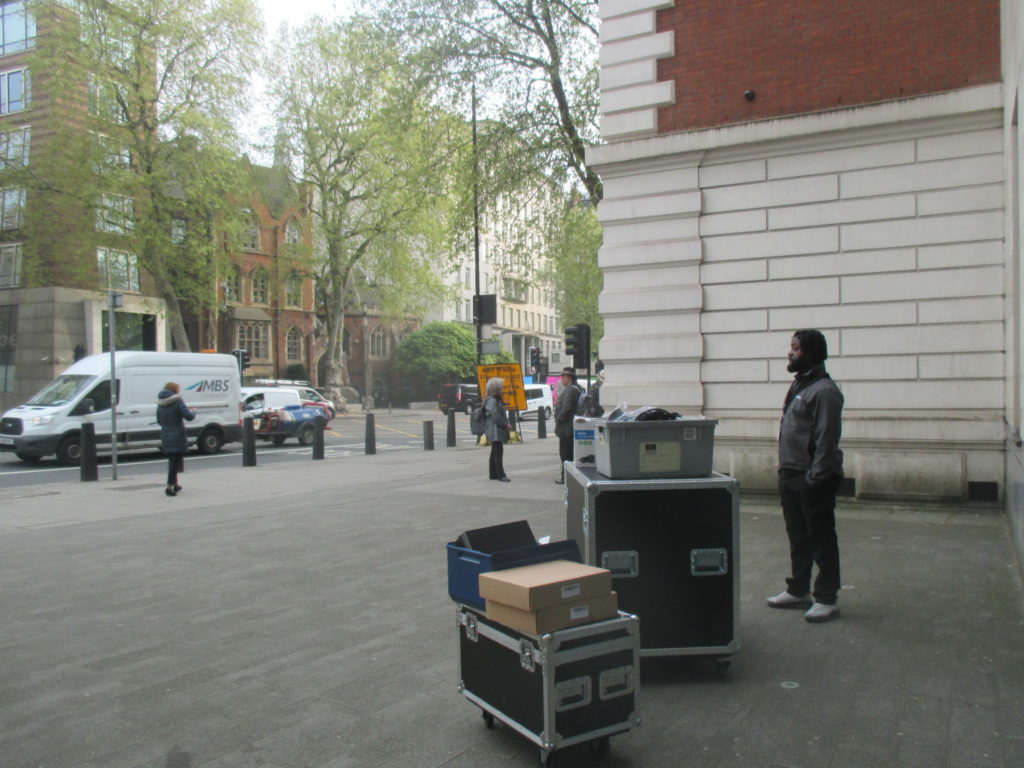
A 8 heures deux hommes habillés en techniciens arrivent avec deux grandes caisse de matériel sur roues, comme pour un film ou une représentation théâtrale. Je discute avec eux. Est-ce que ce matériel va servir à une représentation dans la cour ? Celle de Julian Assange ? Oui, et ils cherchent l’entrée et sont inquiets car le hall est vide de tout agent de sécurité. Bizarre effectivement d’habitude les ADS sont déjà en poste à 8 heures et on les voit à travers la porte vitrée. J’indique aux techniciens la véritable entrée, celle des coulisses, pas de la scène, juste à gauche. Ils vont se faire ouvrir cette porte et me remercie. Je connais bien les lieux et j’ai bien compris les principes maintenant.
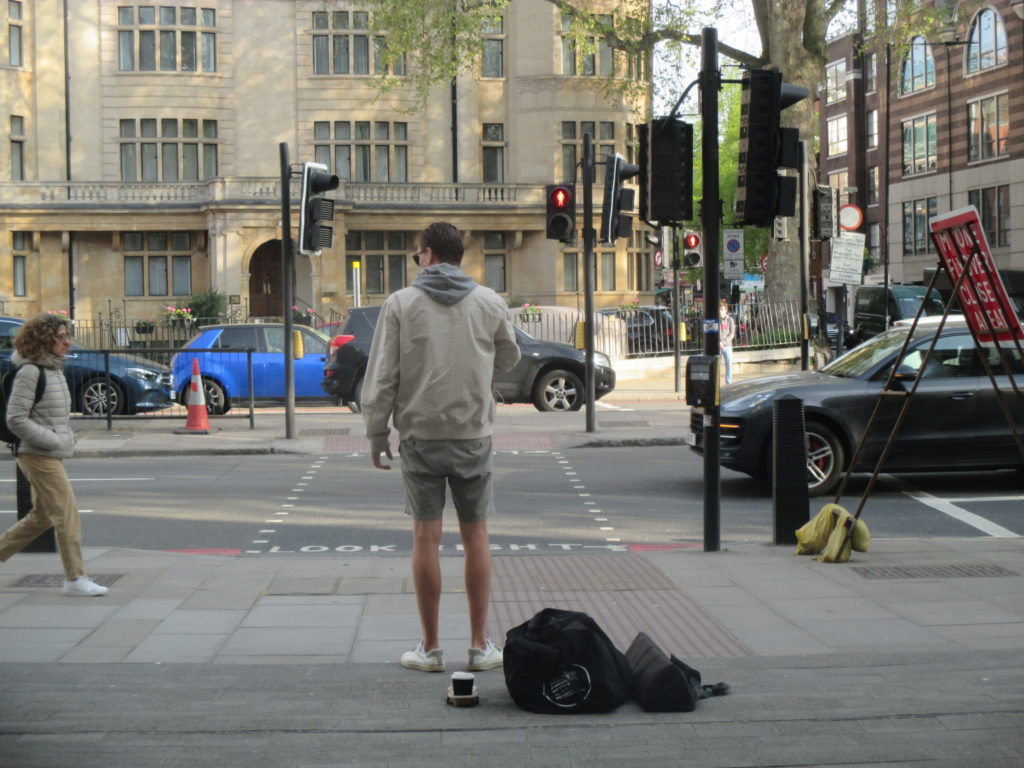
Peu après arrive le garçon habituel de l’agence Ruptly et se plante devant moi avec son matériel caméra et trépied. C’est toujours le même grand jeune homme blond roux. Il se tient debout devant moi, boit son café et se prend en photo avec son téléphone pour bien montrer à ses supérieurs qu’il est là. On dirait qu’il revient d’un pays chaud car il porte des lunettes de soleil, un short clair, de toutes petites socquettes blanches sur des chaussures de tennis claires avec une veste claire, alors qu’ il ne fait pas encore si chaud, nous sommes en avril. Je remarque surtout que ses jambes très maigres, cuisses comprises, lui donnent un aspect vulnérable, pas du tout aussi fringuant. Le jeune homme est très, trop maigre, et je m’interroge s’il consomme des drogues ou s’il n’est pas bien nourri…Il ne fait pas plus attention à moi que si j’étais un meuble, déballe son matos avec deux acolytes arrivés peu après, puis se met sur la tête une chapka à la russe. L’ensemble, chapka -short d’été lui donne naturellement un air bien ridicule. Pour marquer qu’il travaille pour une agence russe ?
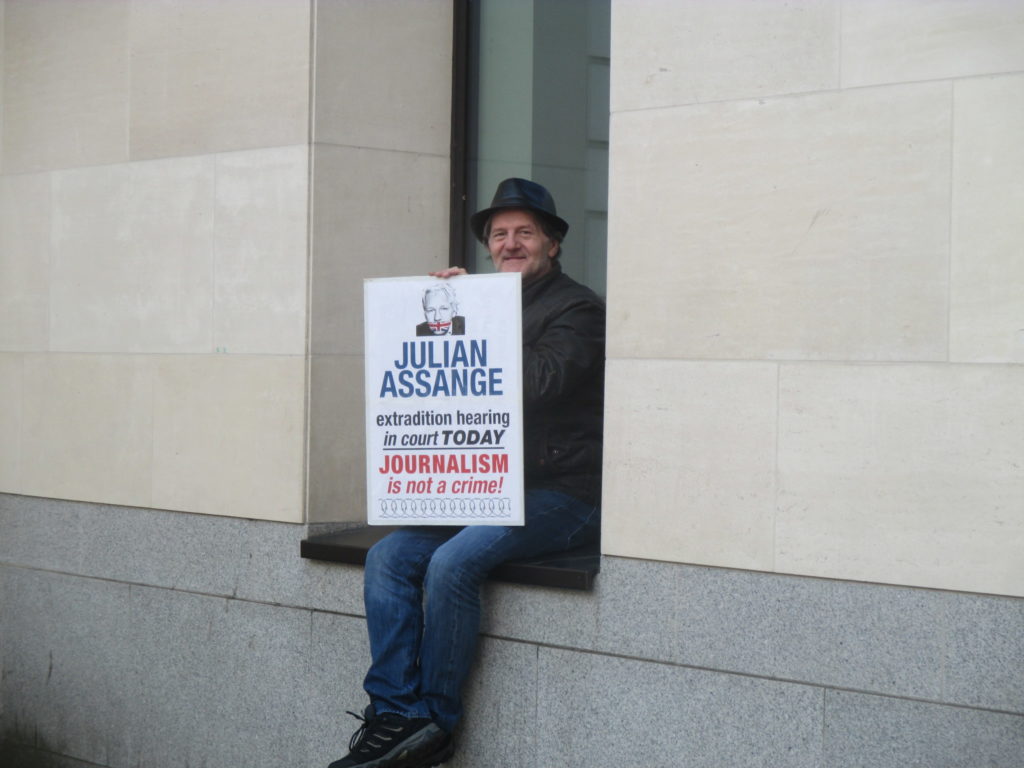
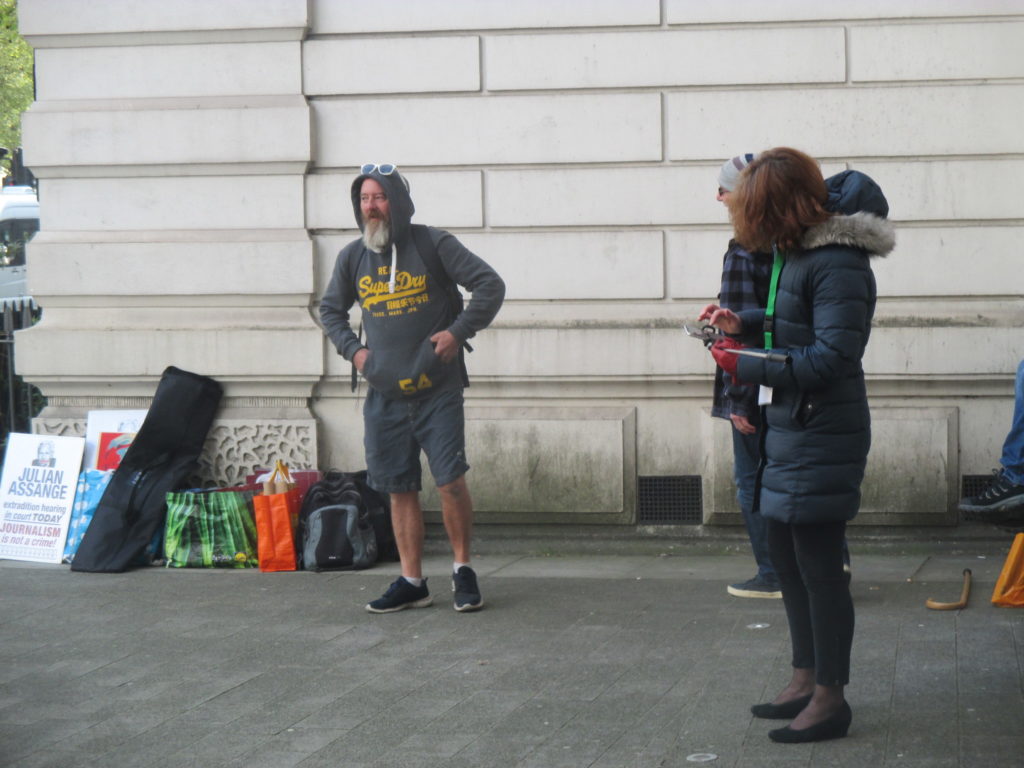
Des sacs de courses pleins de matériels divers s’entassent à ma droite sous le mur de la Westminster alors que je supporte vaillamment la fatigue depuis plus de 2 heures. Les participants qui se rassemblent à ma droite à côté des sacs hétéroclites ont l’air de plus en plus paumés et clochards, ce qui n’est pas sans me rappeler les SDF qui servaient de claque payée devant les Royal Courts en octobre dernier.
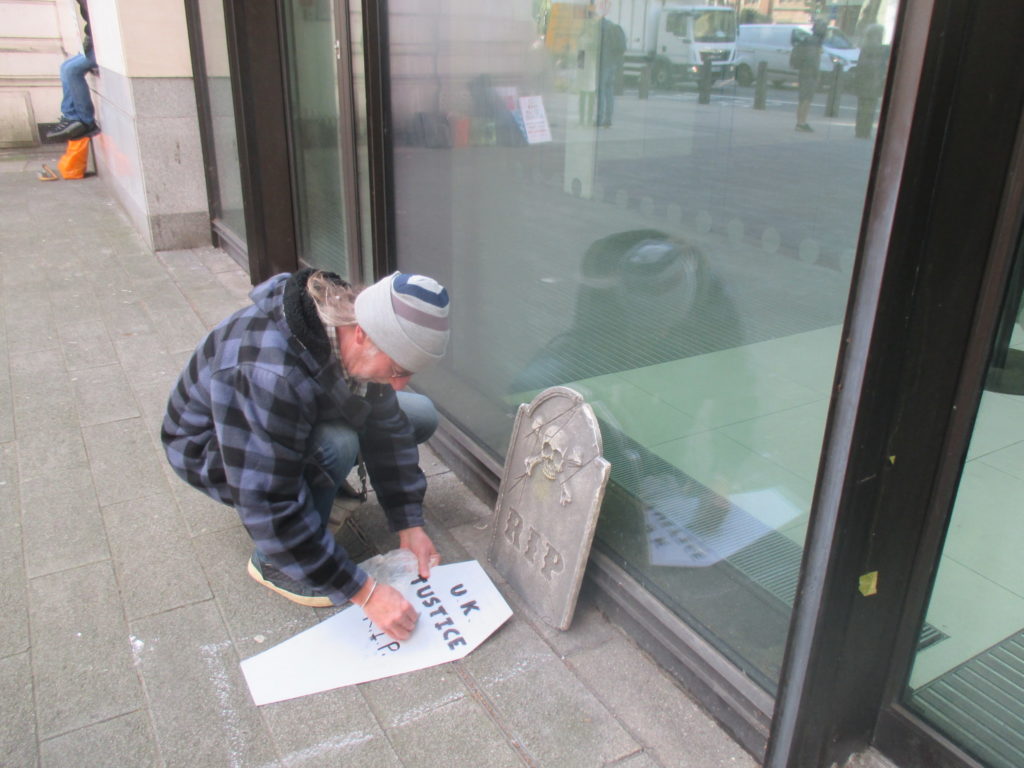
Plusieurs hommes sont hirsutes, barbes grises, longues et broussailleuses, cheveux ni coupés ni coiffés. L’un porte un sweat-shirt à capuche et un short d’aspect « vieux routard négligé ». Un autre, jean usé, chemise à carreaux sortant du pantalon, veste informe et bonnet d’enfant sur des cheveux sales en bataille dispose devant la porte vitrée un petit cercueil en carton portant l’inscription « UK Justice RIP». Il est abondamment photographié par des hommes qui accompagnent avec leurs caméras le « Russe » maigre de Ruptly. Je me rapproche de la porte, il s’agit de ne pas me faire voler la première place par ces diversions.
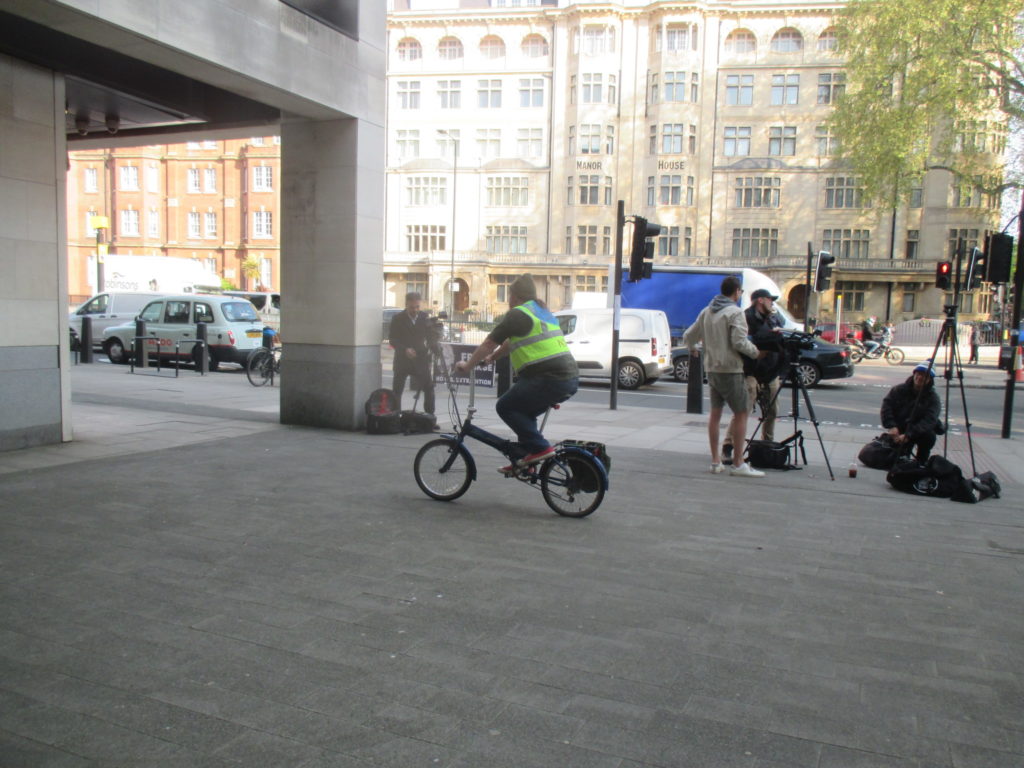
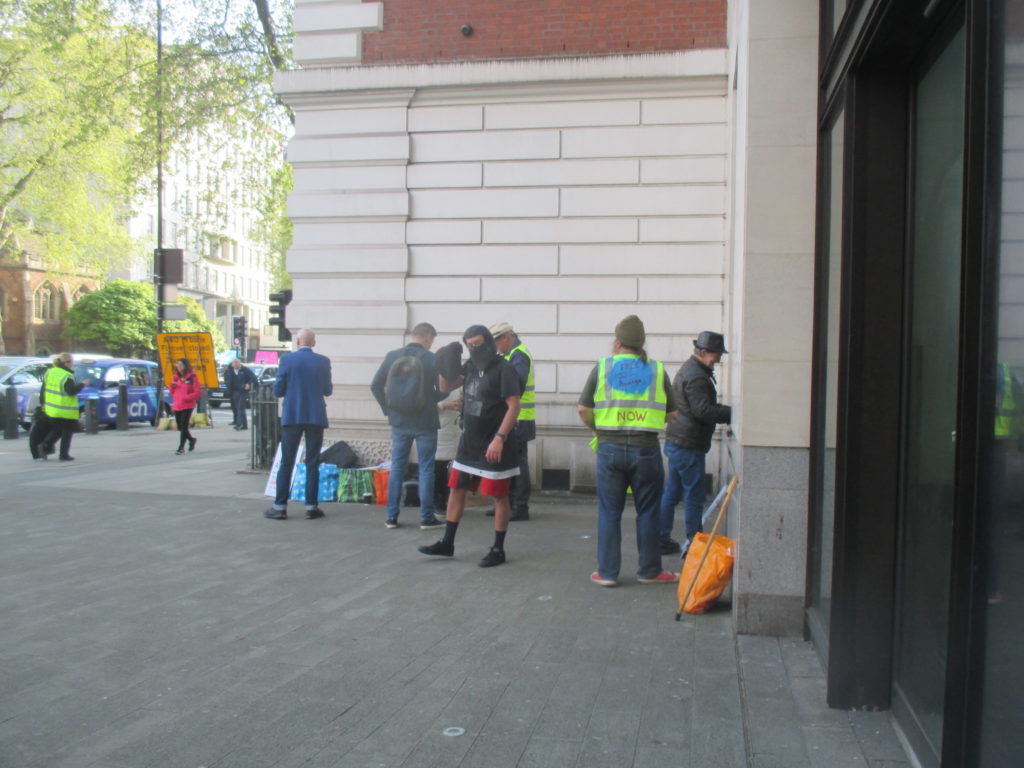
Un troisième, jean et chandail usé, gilet jaune sur le dos et bonnet informe sur des cheveux longs en queue de cheval tournoie devant la porte sur une petite bicyclette pliable avant de rejoindre ses acolytes chargés des sacs de supermarchés. Un quatrième dissimule son visage derrière une épaisse cagoule noire façon « bourreau du moyen âge ». Il porte un long tee-shirt noir comme une tunique sur des shorts de bain rouge, des chaussettes montantes grises et baskets noires et me regarde d’un œil soupçonneux.
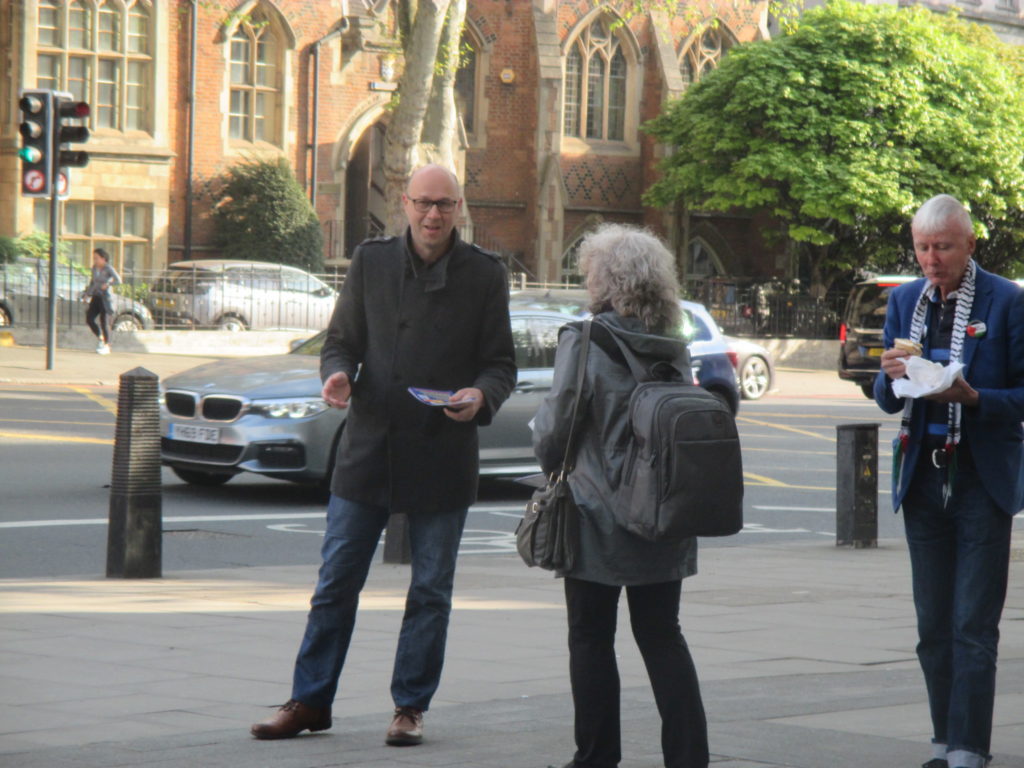
Heureusement que ces originaux ne vont pas entrer dans la Westminster car leur aspect clochard desservirait complètement la cause qu’ils prétendent servir! Un grand homme chauve, un peu mieux vêtu, observe la scène d’un peu plus loin, un espèce de plan dans les main, avant de discuter avec certains d’entre eux. Un assistant du réalisateur chargé de vérifier si tout le monde respecte la mise en scène ?
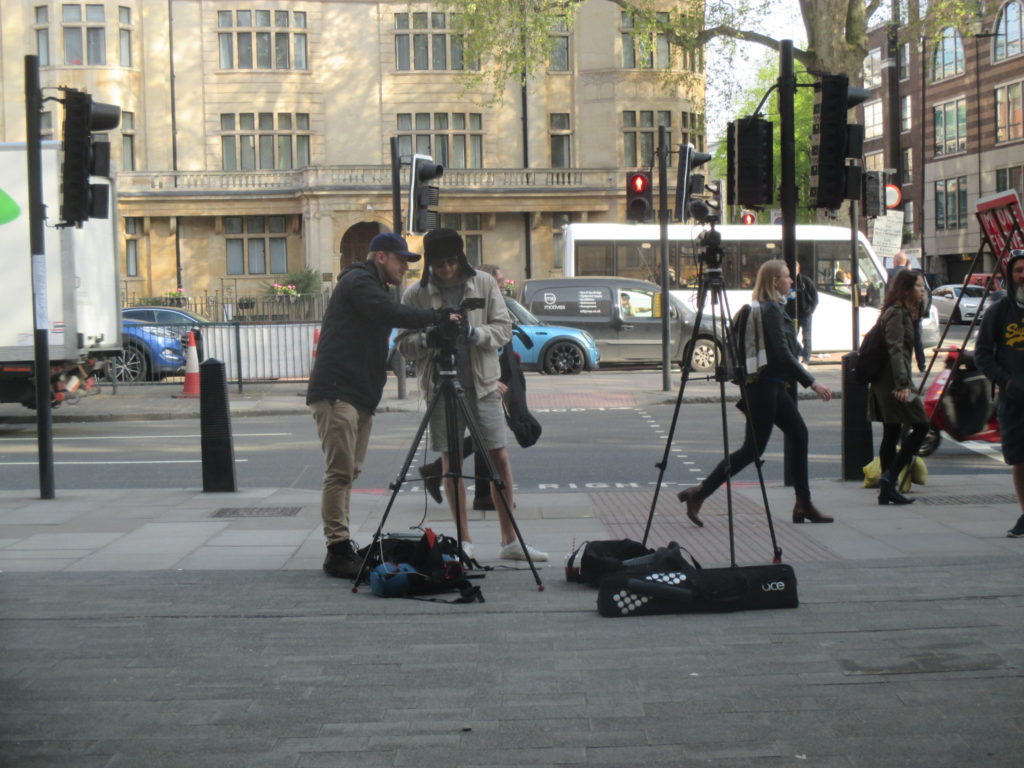
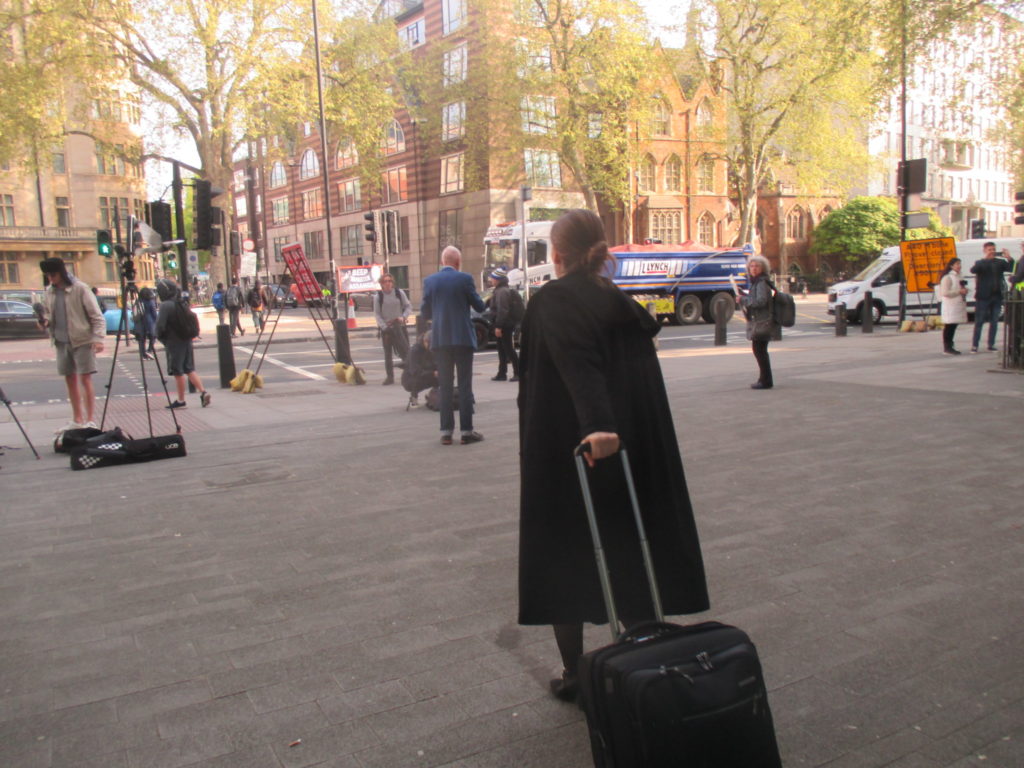
Les agents de sécurité ne commencent à se rassembler dans le bâtiment qu’à 8h30. Vers 9 heures, j’aperçois Jamie, le SDF toujours payé pour venir, comme je l’ai mainte fois constaté en écoutant sa conversation. Il rejoint le groupe de « clochards » portant les panneaux « journalism is not a crime ». Les photographes et caméraman sont en place. Une femme en robe noire d’avocat tirant une valise à roulettes s’est postée derrière moi. Vraie ou fausse comme devant les Royal Courts en octobre dernier? Je ne peux savoir.
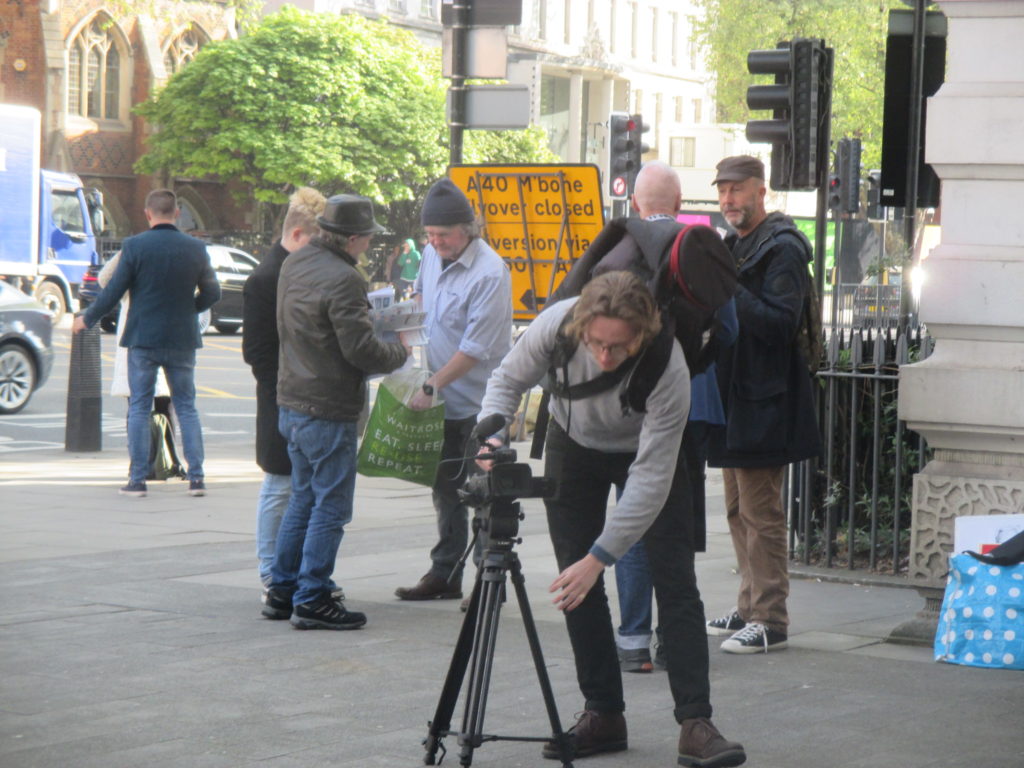
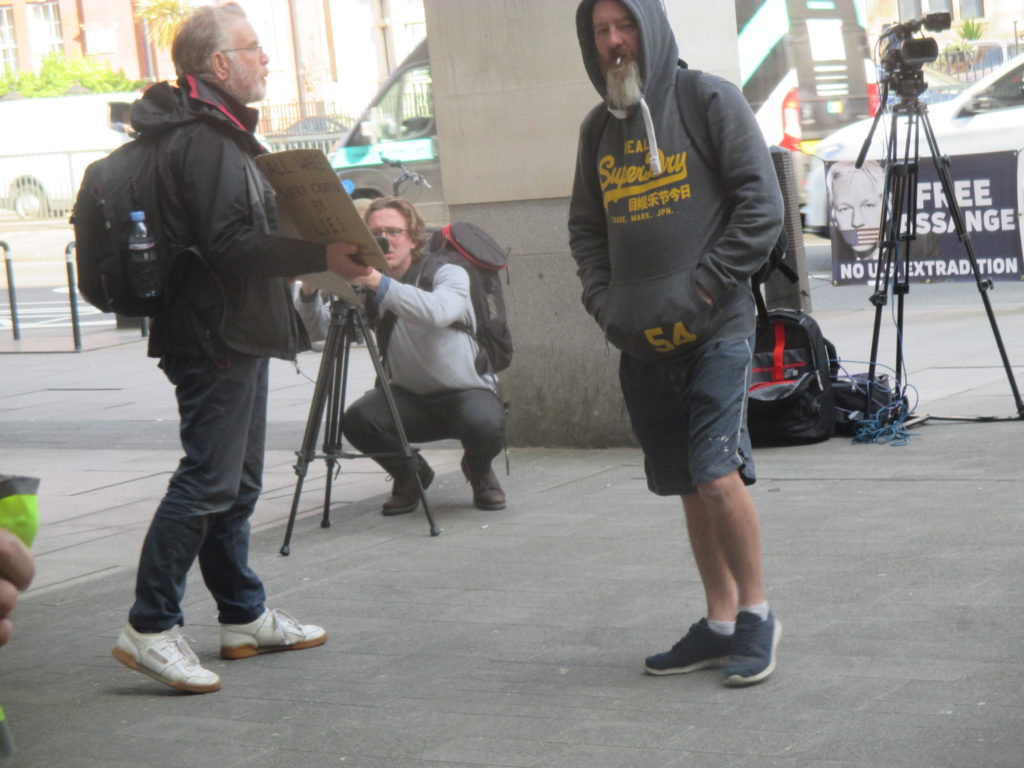
A la fin de mon attente arrivent des femmes, aussi mal habillées que les hommes : tee-shirt rose bonbon sur des leggins fleuris, déguisements divers comme celui d’un juge à perruque, un fakir indien etc. On se croirait dans un magasin de farces et attrapes. Les étranges rubans jaunes sont collés au mur de la cour, sans qu’aucune autorité policière ne proteste, alors que soi-disant nous sommes devant un tribunal !
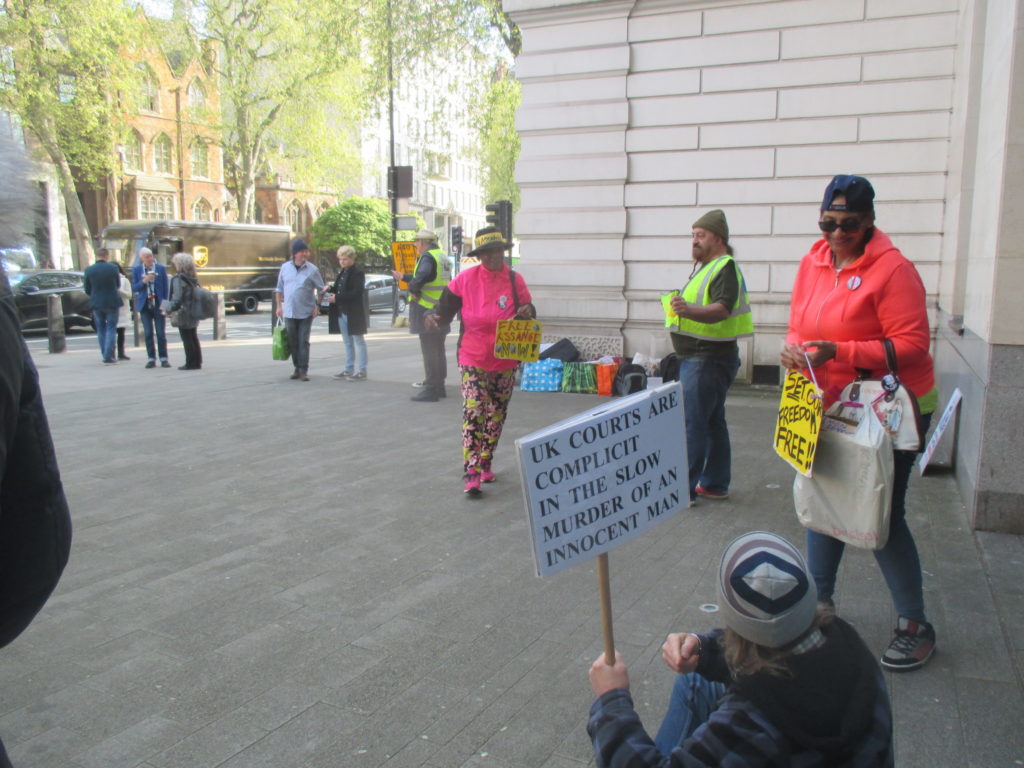
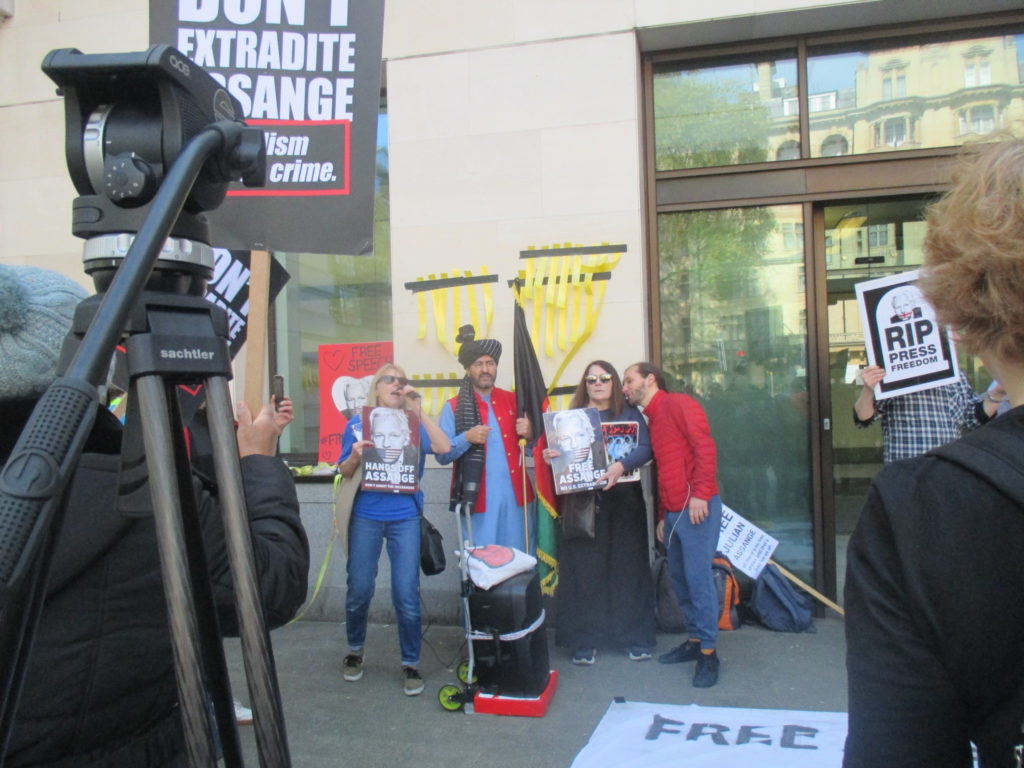
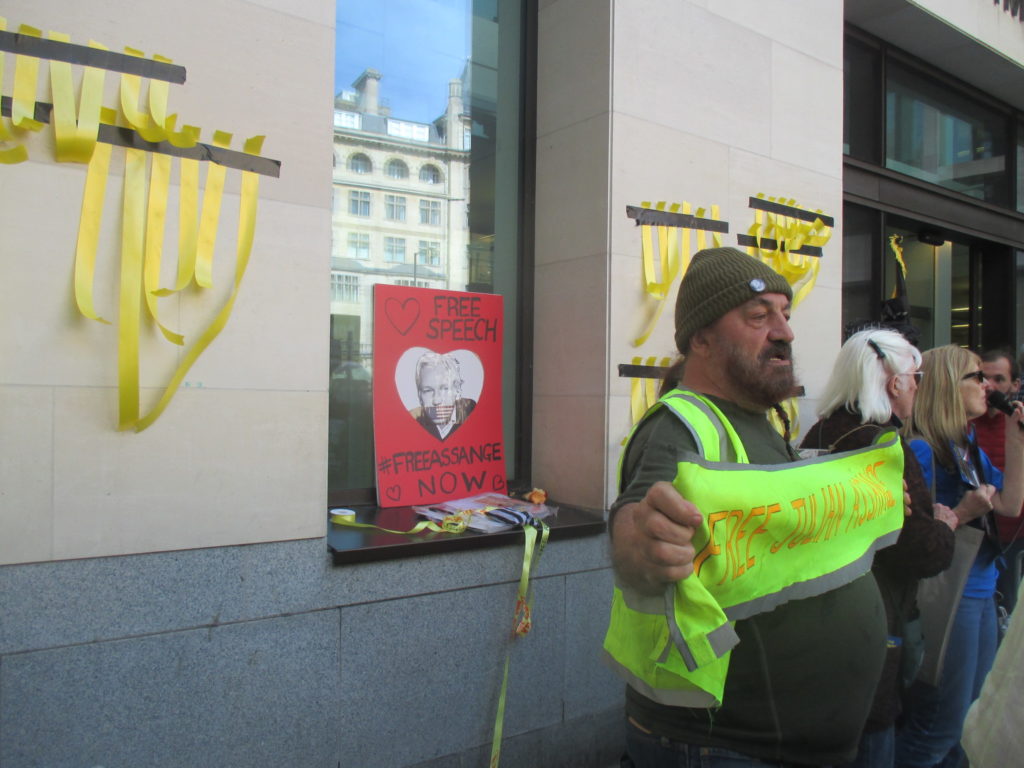
Finalement, cinq (pseudo ?) journalistes dont je reconnais les têtes forment une queue derrière moi. Tout est prêt vers 9 heures, je me ressaisis et je cesse de prendre les photos. Il s’agit de ne pas louper mon entrée dans l’arène. Je suis debout, mes sacs à la main, prête à l’assaut de l’ouverture de la porte lorsqu’un homme massif m’aborde sur ma gauche.
Il commence par me parler, me pose des questions sur la Westminster. Il a la quarantaine, un visage ovale assez agréable mais un regard inquiet. Il est bien coiffé et rasé, contrairement à la smala des pseudo soutiens d’Assange, et il porte un costume gris bien coupé et une chemise blanche sans cravate. Je me méfie et je renonce à me concentrer sur son discours qui me semble décousu : ma longue expérience de ces lieux me dit qu’il peut être envoyé pour détourner mon attention et resquiller pour me priver de ma première place.
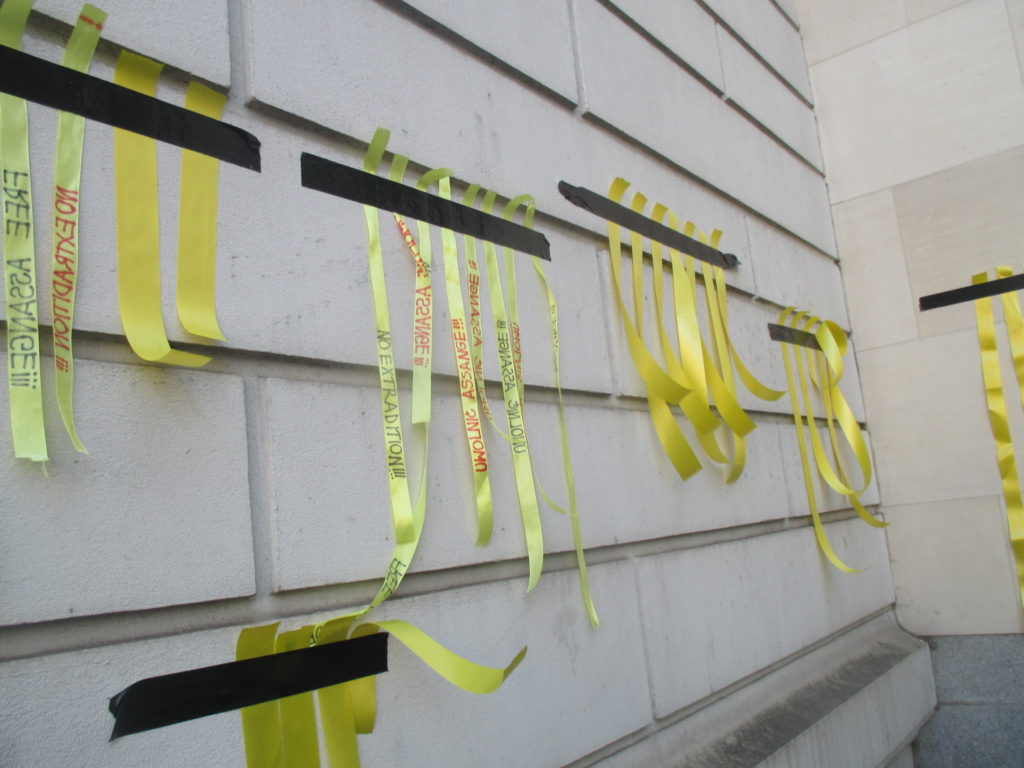
C’est le top départ, un agent de sécurité déverrouille la porte, je me précipite vers le portique de sécurité. Notre agent mauricien est toujours là, il m’adresse un signe de tête. Mes affaires passent sans encombre, ma personne aussi, mais je ne suis pas surprise quand l’agente de sécurité black, au longs cheveux, celle qui m’a toujours à l’œil, me somme de sortir mon petit appareil photo et le donner en dépôt. Cela me fait perdre au moins 5 minutes avec le reçu à signer. D’autres personnes peuvent me doubler, mais je suis plus sereine depuis que j’ai constaté qu’aucun des seconds couteaux de Greekemmies ne se bouscule pour entrer à ma suite. Je ramasse calmement mes affaires et je fonce vers le panneau d’affichage dans le hall.
Une feuille pour la salle 1, 4 noms, le premier est « Julian Paul Assange ». La salle 1 c’est celle qu’ils utilisaient pour le présenter en vrai… Serait-il possible qu’un Assange nous soit montré aujourd’hui ? Je rêve…
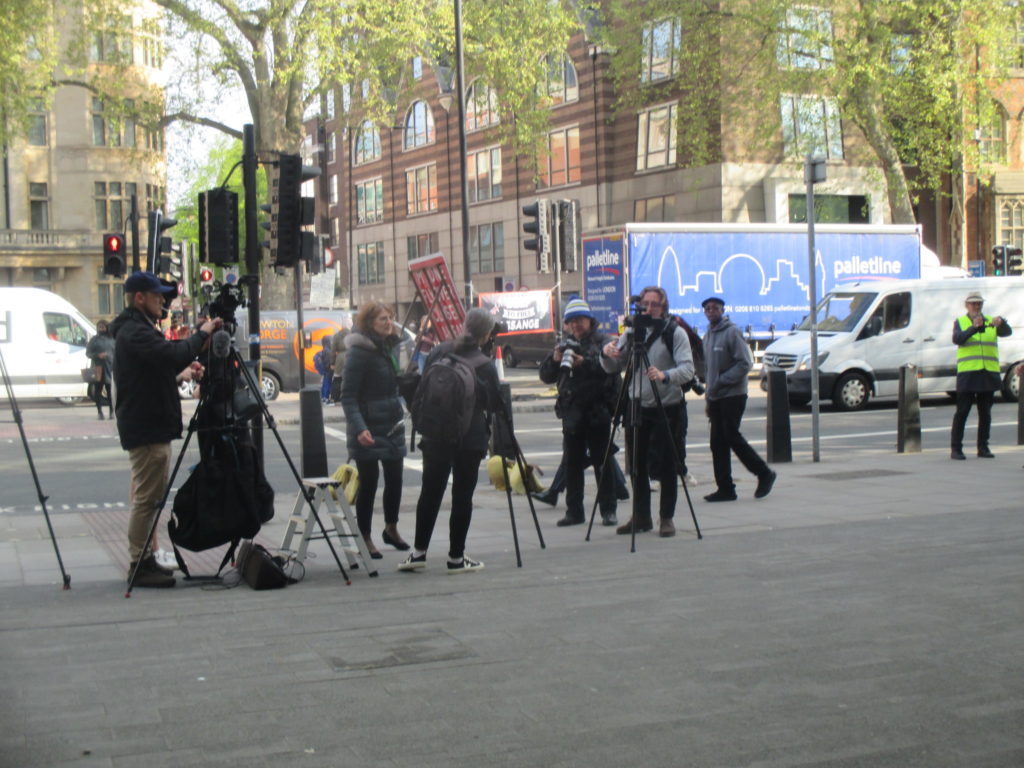
Je fonce dans l’escalier, j’arrive dans le hall des salles d’attente devant les salles 1, 2, 3 et 4. Je me précipite vers la salle 1 dans le coin droit. Surprise, je suis seule, personne derrière moi. Quand je pense qu’on se battait ici même pour avoir une place en 2019, 2020 et que le 6 janvier 2021 la bataille fut si âpre que les Greekemmies avaient passé une nuit glaciale d’hiver devant la Westminster pour prendre toutes les places ! Quelque chose a changé puisqu’il n’y a personne.
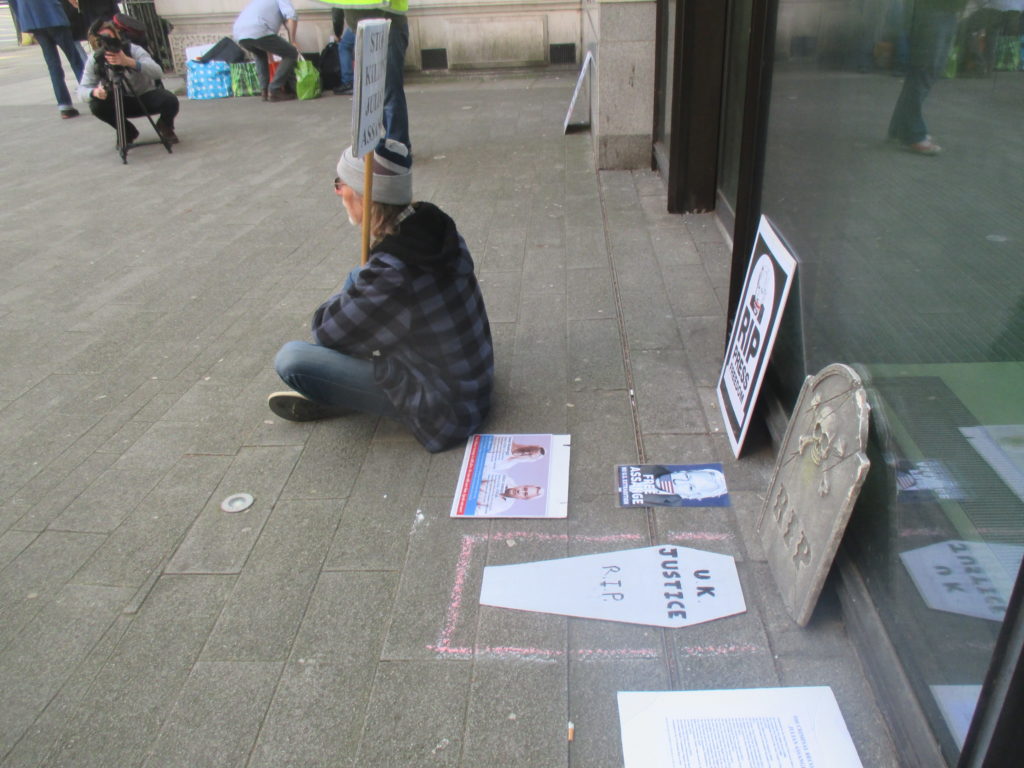
Les quelques journalistes arrivent satisfaits avec des accréditations et s’assoient sur les sièges d’attente, ils savent qu’ils entreront. Un public plus varié est également présent pour les audiences des Européens de l’Est, toujours aussi nombreux sur les listes des justiciables. Un homme grand vêtu d’un costume sombre, cheveux gris, la 60taine, visage rougeau, yeux gris d’acier examine la feuille affichée à côté de la porte et la photographie avec son téléphone. Un agent de sécurité indien se tient juste à côté de lui et me regarde fixement. C’est strictement interdit de photographier cette feuille, si je le fais, je serai virée tout de suite. Mais l’homme a l’air de faire partie du scénario, car l’agent de sécurité, loin de l’arrêter, se déplace respectueusement 10 mètres plus loin quand il le voit faire !
A défaut d’avoir le droit de photographier, je recopie ce que je vois sur la feuille. En premier, « Assange, Julian Paul extradition USA 01 (salle) 10.00 2200579580 (numéro de dossier ?), sans aucun numéro devant, comme si Assange était « à part », en dehors du vrai fonctionnement de la cour. Puis en dessous « 3. Bussetti Paul Richard Italy10.00 MPHQ unitss 2200539861 », plus bas « 2. Kasprowicz Jaroslaw extradition Poland 10.00 2101833944 », puis «1. Palagliu Viore extraditionn Romania 210176385 ». Un Italien jugé pour un délit, un Polonais et un Roumain en instance d’extradition. A juger en commençant par le Roumain. Et Assange à part, hors concours, hors système… Plus bas, 14 heures : Gusarzewski, Poland.
Dans la salle d’attente il n’y a aucun des soutiens en habits de clochard, mais je remarque Gareth Peirce glissant tel un fantôme noir entre les chaises. Elle a refait surface depuis 2 ans, depuis sa dernière prestation à la Woolwich le 27 février 2020 que nous avons tant déstabilisée ! Serait-elle commise aujourd’hui pour la fausse défense d’Assange ? Tout près de moi je remarque un homme en costume, je crois reconnaitre Mark Summers, mais il me semble brusquement trop maigre. Il discute avec une famille de prévenus.
Gareth Peirce reste loin de la salle 1 quand une secrétaire s’approche de moi et me demande si je suis pour l’affaire « pesceti » (prononcez PESKETI). Non, pour Julian Assange, j’affirme avec force. Elle me dit alors qu’Assange passera plus tard, après un autre cas. D’accord, je me prépare à attendre, depuis 5 heure du matin je ne suis pas une heure près.
Délits virtuels, jugement réels ?
Je suis donc très surprise quand la secrétaire ouvre la porte dès 9h30 et fait entrer les 5 journalistes avec accréditation. La porte restant ouverte, je me précipite à leur suite, la secrétaire me laisse faire. Ce n’est pas sans émotion que je retrouve la vaste galerie du public de la salle 1 avec ses 40 sièges.
Pour moi, elle est déjà historique, c’est ici même que nous avons Julian Assange le 21 octobre 2019 et le 13 janvier 2020 et nous avons pu d’une façon subtile communiquer avec lui et lui avec nous. A l’époque ce furent des bagarre épiques pour pouvoir occuper une place, je suis d’autant plus surprise qu’il n’y ait personne aujourd’hui. Personne, sauf Deepa River qui s’assied au premier rang au centre, alors que moi je choisis un siège au deuxième rang, consciente qu’il est extrêmement important d’avoir vue sur les écrans disposésde part et d’autre de la salle sous l’estrade du juge.
Des sièges sont marqués « réservés » sur la droite, au premier rang s’assied une famille qui ressemble à des Polonais, deux grandes femmes de mon âge assez élégamment vêtues et deux jeunes, un garçon et une fille. Ce n’est pas le public d’Assange, nous allons donc probablement voir passer les cas Polonais et Roumains avant.
Les journalistes sont assis devant moi au fond de la salle, je reconnais une femme brune qui travaille pour RT UK, ma collègue hollandaise d’attente, et 3 jeunes hommes. Le visage du greffier black devant l’estrade du juge m’est familier, mais je ne peux voir le visage du procureur qui me tourne le dos. Un des technicien black que j’ai croisé le matin forme un jeune homme blond au maniement du matériel (audio ou vidéo ?).
Alors je m’aperçois que l’homme qui est jugé se trouve à gauche dans le box des accusés et c’est le grand gaillard qui m’a interpellé à l’entrée ! Il comparait donc libre pour le jugement, les deux femmes blondes et les deux jeunes sont ses proches que j’ai aperçues en discussion avec leur avocats sur les sièges de la salle d’attente. C’est le dénommé « Pesketi »de la secrétaire, c’est-à-dire Paul Richard Bussetti ! Son avocat, qui prend place à côté du procureur, est bien Mark Summers, je ne me suis pas trompée, malgré sa surprenante maigreur. Par contre Gareth Peirce ne réapparaitra pas.
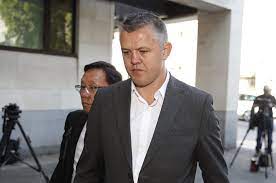
Man who shared offensive video of cardboard Grenfell Tower on fire spared jail | Metro News
Le juge entre dès 9h30 et nous sommes sommés par la même agente de sécurité black préposée à Assange (et à la surveillance de ma personne) de nous lever. Le juge est un homme jeune, il porte une ridicule cape noire et une cravate rouge. D’emblée je doute de l’authenticité de ce « procès », les juges magistrate devant plutôt être vêtus sobrement de noir dans des vêtements civils…J’apprends plus tard qu’il s’appelle Paul Goldspring.
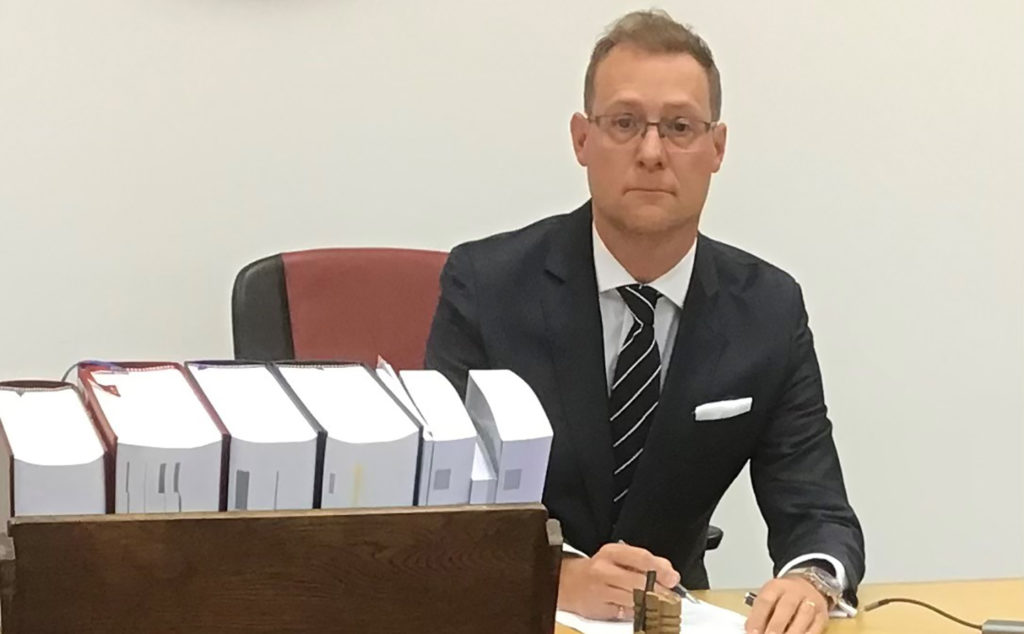
(C’est à peu près l’homme que j’ai vu, en plus jeune et moins sérieux avec sa cape)
Je m’astreins à tout noter car je ne sais pas si à un moment donné ou à un autre la question « Assange » ne va pas apparaitre dans le scénario. Commence une longue tirade du procureur que je ne comprends pas du tout, d’autant plus que celui-ci parle assez bas et uniquement en direction du juge. La tirade terminée, il est question de voir des vidéo dont je comprends qu’elles sont l’objet du délit jugé. Le juge regarde l’avocat du prévenu d’un air bienveillant. Il prononce des phrases comme « the court will be very open », « very unsual case » etc. Cela contraste fort avec la sévérité toujours affichée à l’ endroit d’un certain Julian Assange. Bussetti croise un regard inquiet avec sa famille. Je le vois très bien, il a une mâchoire carrée, un air bronzé, un costume soigné, c’est un assez bel homme.
Summers demande s’il peut prendre des instructions de son client (« take instructions »). Le juge bienveillant lui accorde 10 minutes et sort par la porte de derrière. Un certain remue-ménage a lieu, deux homme âgés entrent, des journalistes changent de place. Summers parle à Bussetti devant le box. Puis le juge revient et parle à Bussetti. Le greffier lit l’acte d’accusation que malheureusement je ne comprends pas. Il est question de violation d’une législation électronique…
Le juge demande si Bussetti plaide coupable, celui-ci se lève dans son box pour dire « guilty », (coupable). Le procureur reprend son réquisitoire, j’entends alors distinctement « racist comments recording himself, international press… »…. Il est accusé de propos racistes enregistrés par lui-même et donné à la presse internationale ? Le procureur demande à ce que soit montrée la vidéo, visiblement l’objet du délit. La mise en place dure un certain temps, puis nous voyons sur les écrans une séquence d’une minute issue d’un téléphone portable. Je ne comprends pas très bien ce que je vois. Je distingue une espèce de planche brûler comme un feu de joie dans la nuit et quelques silhouettes de gens qui regardent le spectacle en riant. La planche qui brûle a des espèce de carrés comme une grille.
L’accusation reprend son discours. La video montrerait des gens en train de brûler (pas en vrai en fait) et les gens rassemblés mettraient en scène un dialogue raciste. Les victimes crieraient « help help me » (aidez-moi) et les accusés auraient crié « ça ne t’arriveraient pas si tu payais ton loyer ». Les victimes seraient donc pakistanaises et porteraient un hidjab et les prévenus se moqueraient d’elles. La video incriminée aurait été envoyée le 1 novembre 2018 dans deux groupes fermés de Whatsup. A ce stade je comprends que Bussetti est accusé d’une tentative de lynchage… donc de meurtre ?
L’expression sévère du procureur qui ne cesse de répéter à quel point Bussetti a commis une chose horrible, inqualifiable, terrifiante, dégoutante me le fait croire pendant un bon quart d’heure. Puis je me ressaisis. Mais non, Bussetti ne peut pas être accusé de meurtre, il ne comparaitrait pas libre et serait jugé par un tribunal criminel et pas une simple magistrate court !
Alors quel est ce procès ?
Ce n’est qu’en me plongeant dans la deuxième partie du réquisitoire que je comprends que j’assiste à un procès pour délit d’opinion, une vidéo raciste postée sur des groupes privés sur internet ! Le procureur insiste sur « l’impact de l’enregistrement », la violence de la « demonstration of hostility » (démontration d’hostilité), le « harm », « dommage » infligé par le fait de se moquer de victimes, de leur religion et de leur communauté, communauté ethnique, alors que les victimes ont perdu des proches et des amis dans le « désastre de la tour ».
Enfin, les victimes sont nommées : la « Grenfell tower community ». Et là je comprends qu’il s’agit de l’incendie de la tour HLM de Grenfell de 2017 au cours de laquelle 72 personnes avaient péri et qui fut un des plus grands scandales de Londres avant le covid. Bussetti n’est pas jugé pour meurtre, mais pour des remarques racistes à l’endroit des victimes.
Il est plus de 10 heures et Clair Dobbin, reconnaissable entre toutes, entre dans la pièce. Summers commence alors une molle plaidoirie où il est question de « procès de liberté d’expression de la tragédie Grenfell ». Tous les commentaires ne sont pas racistes et ce n’est pas sûr que cela soit l’accusé qui ait fait le film. Fort juste, en fait on ne voit rien dans le film qu’une planche, des flammes et des silhouettes sombres de dos et aucune insulte raciste n’est vraiment audible. Summers plaide longuement d’une voix soporifique, je suis en train de m’endormir. Il est vraiment très mauvais comme avocat ! Ca dure jusqu’à 10 heures 30. Summers défend son client disant que celui-ci a fait la fête et bu de l’alcool.
Je me sens dans un monde irréel. Quelle dérisoire affaire alors le crime réellement raciste du 2 mai 2014 à Odessa n’a jamais été jugé, que les assassins peuplent les administrations et l’armée du régime de Kiev et que le gouvernement britannique soutient ouvertement ce régime criminel en affichant le détestable drapeau ukrainien sur son ministères des affaires étrangères !
Et les maires de nos villes en France qui en font autant ! Sur certaines mairies il y a même deux drapeaux ukrainiens ! Finalement le drapeau ukrainien a pris possession de tout l’Occident comme un vrai symbole nazi. Nul besoin de swastika, elle est sous entendue dans le drapeau ukrainien qui couvre les crimes sordides des bataillons Azov, Aidar et Dnipro et bien sûr le terrible crime du 2 mai 2014. Le gouvernement post brexit a beau avoir enlevé le drapeau marial à 12 étoiles de l’Union Européenne, si c’est pour l’échanger contre le drapeau de Stepan Bandera, la Grande Bretagne reste sous le joug du nazisme 4ème Reich mondialiste.
WE ARE GRENFELL UNITED | Grenfell United
Je m’aperçois d’ailleurs que plusieurs éléments clochent dans la mise en scène du procès Bussetti. D’abord, aucune victime n’est présente. Qui est donc la « Grenfell community » ? Une association de parents de victimes ? Alors pourquoi n’est-elle pas présente pour représenter les plaignants ? Ce n’est pas claire. Pour moi l’absence des parties civiles devraient déjà amoindrir la crédibilité de l’accusation. Deuxièmement, je n’ai pas entendu que le texte de Loi en vertus duquel Bussetti est poursuivi soit cité. Incitation à haine raciale, appel au meurtre ? Il ne semble pas qu’on aille si loin, ni le juge ni le procureur ne mentionnent d’ insultes autres que le fameux appel « aux Paki de payer leurs loyers ». On a vu pire comme insulte raciste, et bien peu ont été condamnés en France comme en Angleterre !
Troisièmement, il est préoccupant de constater que la mise en scène accusatoire n’a effectué aucune enquête sur la personne qui a réellement prononcé les paroles racistes. En définitive un homme est jugé pour avoir mis sur une messagerie privée les images d’une soirée privée au cours de laquelle une personne anonyme prononce des paroles certes abjectes et pouvant tomber sous le coup de la Loi, si des personnes se sentent lésées et portent plainte. Mais peut-on criminaliser des propos tenus en privé dans une soirée privée dans un domicile privé ?
Ici Bussetti est poursuivi alors qu’il n’a pas publié lui-même la vidéo du délit sur internet! La Westminster Court est-elle en train de mettre en scène la responsabilité collective alors que nul n’est responsable que de ses propres actes et pas de ceux d’autrui, fussent-ils ses amis ?
Je pense à tout cela lorsqu’enfin le juge fait lever l’accusé et le regarde d’un air sévère. « Ce que vous avez commis est dégoutant, irrespectueux, une grande offense contre la communauté Grenfell »dit-il. Il condamne Bussetti à 2 mois de prison avec sursis, 1000 livres de frais judiciaires, 1128 livres d’amende et 120 heures de travail gratuit. Bussetti écoute le verdict la tête baissée. Puis le juge sort, Bussetti et sa famille s’en vont[1].

Je m’aperçois que pas une seule fois on n’a donné à Bussetti l’occasion d’expliciter lui-même son geste ou ses motifs. Il ne présente pas non plus d’excuses à la communauté virtuelle de Grenfell. Il faut dire qu’il est aussi jugé pour un crime virtuel dans un lieu virtuel…
Je suis surprise de la sévérité du verdict. Un rappel à la Loi ou une simple amende devrait suffire, surtout si les victimes ne se présentent pas, le dommage n’étant donc pas prouvé. Je pense à tous ces Gilets Jaunes massacrés, aux mains arrachées, yeux crevés, aux assassinés dans les hôpitaux comme mon amie Alicja, depuis 2 ans, faute soins ou avec une piqure létale de Rivotril, et personne n’est poursuivi! On se frotte les yeux qu’ici un type soit condamné pour le crime d’une blague douteuse dans une soirée privée!
Sans parler des dizaines de milliers, peut-être des centaines de de milliers de citoyens européens rackettés depuis 2 ans par leurs propres gouvernements avec des amendes illégales pour avoir juste voulu faire respecter leurs droits de l’Homme inaliénables: droit à l’intégrité physique, droit d’aller et venir, droit au soins, aux loisirs, à la culture, au travail, droit de manifester, de s’exprimer, de se réunir… Nous vivons une époque de régression terrible.
Une fois la sentence dite, nous passons immédiatement à Assange sans aucune pause ni transition. Summers et Dobbin sont déjà en place. A la gauche de cette dernière se positionne le grand type en costume bleu marine et l’air sournois qui avait photographié devant moi sans gêne la feuille d’audience. Il joue le rôle de l’accusation car Dobbin l’accompagne après dans une consultation room.
Trois journalistes de plus entrent dans la salle. Dans la galerie du public Stella Morris en tailleur bleu, Hrafnsson, Fidel Narvaez, Rebecca Vincent et Joseph Farell prennent la place de la famille de Bussetti. Pas de John Shipton cette fois. A ma droite, derrière moi, Georgina me salue amicalement lorsque je me retourne. Une femme blonde de mon âge un peu boulotte prend place devant moi à côté de Deepa.
Le même juge entre avec sa ridicule cape. Bizarrement on ne l’entend pas bien alors que sa voix était si forte pour le cas Bussetti. Je comprends juste les paroles « M. Assange is waiting » et la video s’allume. Hélas il ne s’agit que de l’écran de droite sur lequel apparait un tout petit carré d’image. Autant dire que je ne distingue presque rien. Par contre je remarque que le cérémoniel de « Belmarsh is calling officer » est gommé. On ne se donne plus la peine de faire croire au peuple qu’Assange est à Belmarsh, on sait qu’il ne peut pas y être.
Le juge demande le « full name » et j’entends une voix étouffée et mal assurée prononcer «Julian Paul Assange ». Le greffier et le procureur restent silencieux. La totalité de la mise en scène ne dure pas plus de 10 minutes. Il n’y a donc non plus aucune assurance que ceci soit un contact live, la scène peut très bien être pré-enregistrée. Qui s’en rendra compte ? A part moi, la pseudo « famille » et Georgina il n’y a aucun témoin dans la galerie du public et on ne peut pas compter sur les « journalistes » pour faire une investigation !
Mais voilà que l’image s’agrandit à la dimension de l’écran. Je vois la salle d’attente, une pièce aux murs bleu électrique, un cadre de fenêtre donnant sur un couloir, une rangée de trois sièges rouges et un « Julian Assange » assis sur le fauteuil le plus à droite. Son corps est légèrement incliné sur sa gauche et son bras appuyé sur l’accoudoir (pour faire croire à un AVC ?). Il porte une veste beige et un pantalon bleu, peut-être un jean, une chemise claire également. Ses cheveux blonds sont ramenés en arrière, je ne peux pas voir son visage. Il se peut qu’il porte une courte barbe blanche. Il me semble néanmoins qu’il n’a pas les profondes cernes noires sous les yeux qu’il avait ici même deux ans auparavant. Il est immobile, a l’air las. En m’imprégnant de ses gestes, je crois reconnaitre qu’il en a marre de tout cela, mais il n’a pas l’air malade. Juste à un moment il change de position, joint ses mains ensemble et se penche en avant, puis touche son visage. Un geste familier qui me fait reconnaitre celui que nous avons rencontré à la Woolwich court le 27 février 2020.
Dobbin se lève et parle, il est question des « section 91, section 87 »… Puis le juge demande à Assange s’il entend. Une voix lointaine répond de l’écran « I hear ». Le juge dit alors que « la juge Baraitser a jugé différemment ». Je crois comprendre que le juge certifie qu’Assange est libre selon le « extradition act ». Mais que selon sa décision Assange « a le droit de faire appel à la Supreme Court » et « exercer son droit d’appel ». Et bien sûr il « remand on custody », reste en détention indéfiniment ! Quelle dérision ! Plus personne ne se souvient que la décision du 4 janvier 2021 était FAVORABLE à Assange (« discharged », libéré des accusations) alors quel intérêt pour un accusé de faire appel d’une décision qui lui est favorable et le…libère ? Visiblement, le seul objectif de la pseudo défense dans le pseudo procès est de faire durer le « plaisir » et d’arriver enfin à se faire recevoir dans le beau bâtiment néogothique de la Supreme Court !
Ces mots prononcés, le juge se sauve, Stella Morris et les autres quittent immédiatement la pièce, indifférents à Assange qui lui reste à l’écran ! Je reste donc, essayant de transmettre un signe…La video reste allumée 2-3 minutes et Julian Assange reste assis les mains jointes, penché en avant, ses doigts touchant son visage. Puis il se lève, contourne une table basse qui se trouve devant lui et quitte la pièce en marchant d’un pas assuré vers la gauche.
L’écran devient noir, je n’ai plus aucune raison de rester là, je quitte la pièce. Avant de descendre j’observe bien la salle d’attente. La mise en scène « Bussetti Assange » terminé, les lieux sont remplis de vrais justiciables et de leurs avocats, les migrants est-européens, il y a bien 50 personnes jugés dans 6 salles, la fameuse salle 3 des extraditions, les salles 8 et 10 réservés aux délits, à l’étage…
Le show médiatique bat son plein dehors, Stella Morris et Hrafnsson se sont précipités devant les caméras. Je récupère mon appareil avant de faire quelques photos du « rallye ». Je suis écoeurée par les mises en scène, les mensonges, les faux procès qui amènent à des vraies violations de droits…et à des manipulations politiques et géopolitiques.
Grâce à mes lectures sur la Résistance, j’ai compris que la Westminster a déjà servi par le passé pour des mises en scènes pseudo-juridiques. En effet, « l’affaire Bussetti » comme « le procès de Julian Assange » ont l’air aussi artificiels que « l’affaire Dufour », qui fut une affaire scandale pour la France Libre.
« L’affaire Dufour » est l’histoire d’un procès qu’un individu, un escroc et agent des services britanniques a intenté au Général de Gaulle, au colonel Passy et aux officiers du BCRA dans les années 1942-44. Démasqué et jugé par un tribunal militaire de la France Libre, condamné à une maison d’arrêt dont il s’évada, le dénommé Dufour prétendit avoir été battu et séquestré dans les locaux du BCRA et il porta plainte! De Gaulle appela l’affaire « une infâmie » et interdit à ses officiers, à ses conseillers et à ses juristes de répondre aux convocations du tribunal.
A la veille du Débarquement, au moment de la mise en place du Plan Sussex de coordination de la Libération de la France en lien avec les forces de la Résistance, « Oncle Dansey » ne se priva pas d’utiliser le scandale de l’affaire Dufour pour mettre la pression sur la France Libre dans un sens qu’il pensait être profitable aux intérêts anglais. Les mémoires de Gilbert Renault, « Rémy » attestent de cette froide manipulation de celui qui fut le véritable chef des services britanniques.
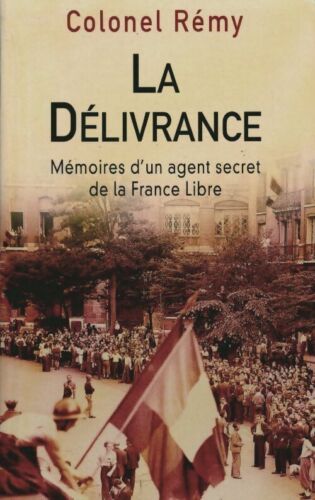
« Le procès » devait avoir lieu du 4 au 20 juin 1944… De Gaulle ne céda pas, et il eut raison: Churchill parvint à faire « annuler » la prétendue procédure et véritable cabale des ennemis de la France à l’Intelligence Service. On n’en entendit plus jamais parler mais la lumière n’a jamais été faite. Le faux procès devait avoir lieu ici même, dans ce qui était alors la Marylbone Police Court à laquelle était rattaché le « quartiers des espions », BCRA compris.
L’Angleterre aime mes traditions… Visiblement les mêmes lieux conservent les mêmes fonctions 80 ans après!
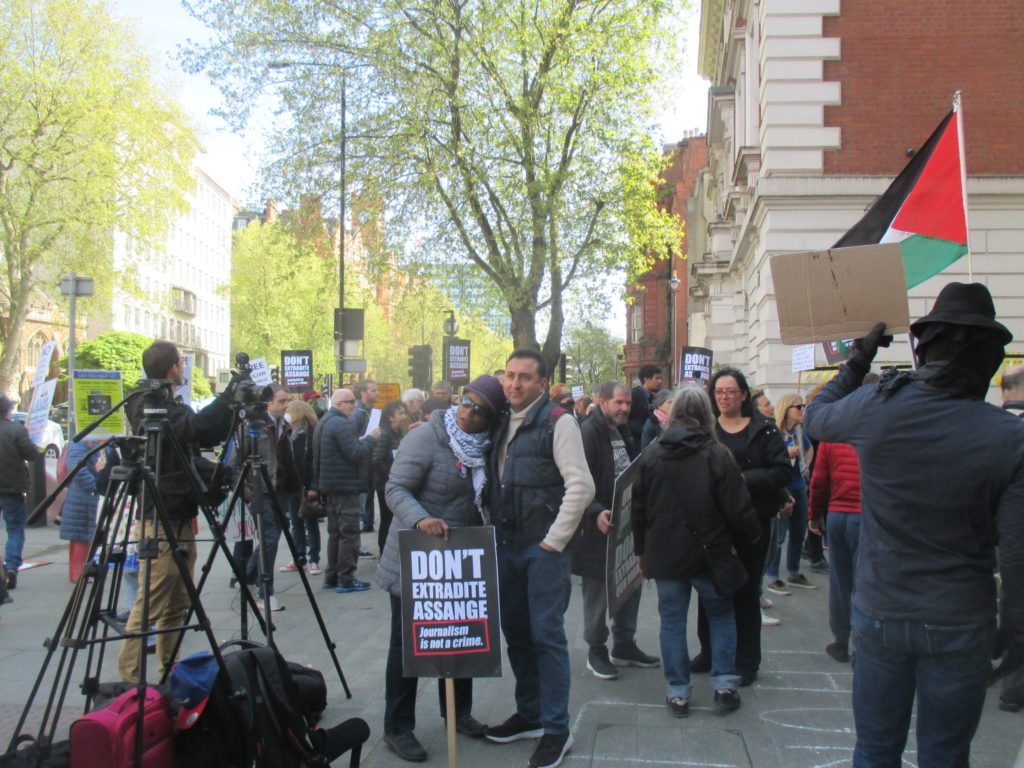
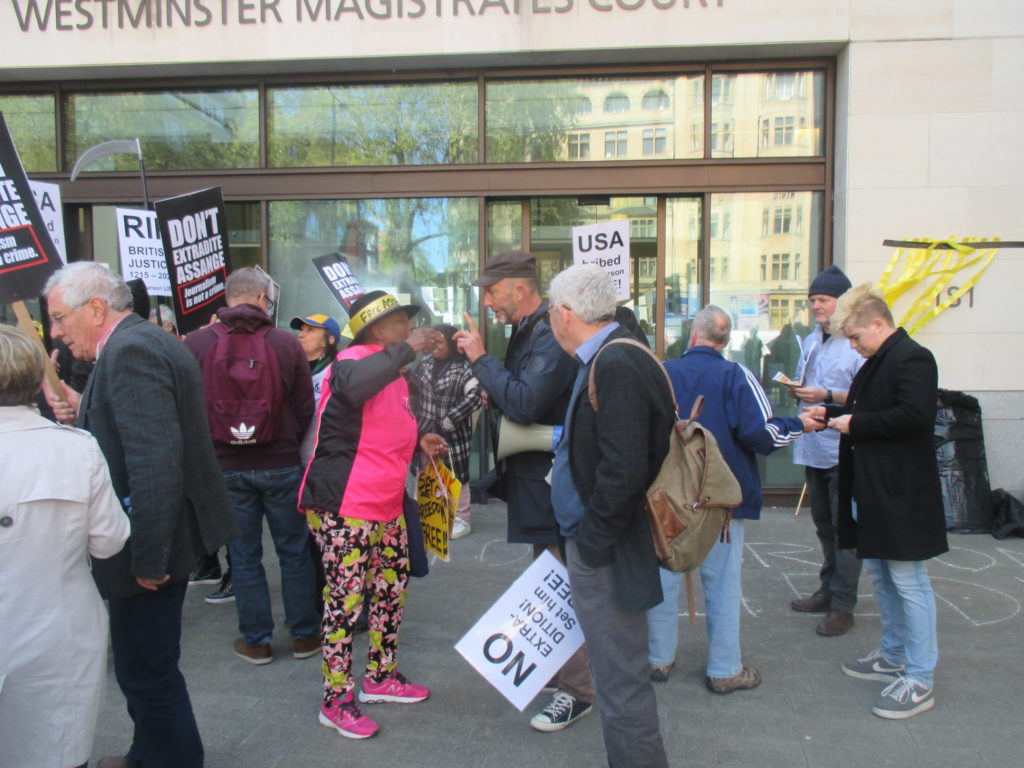
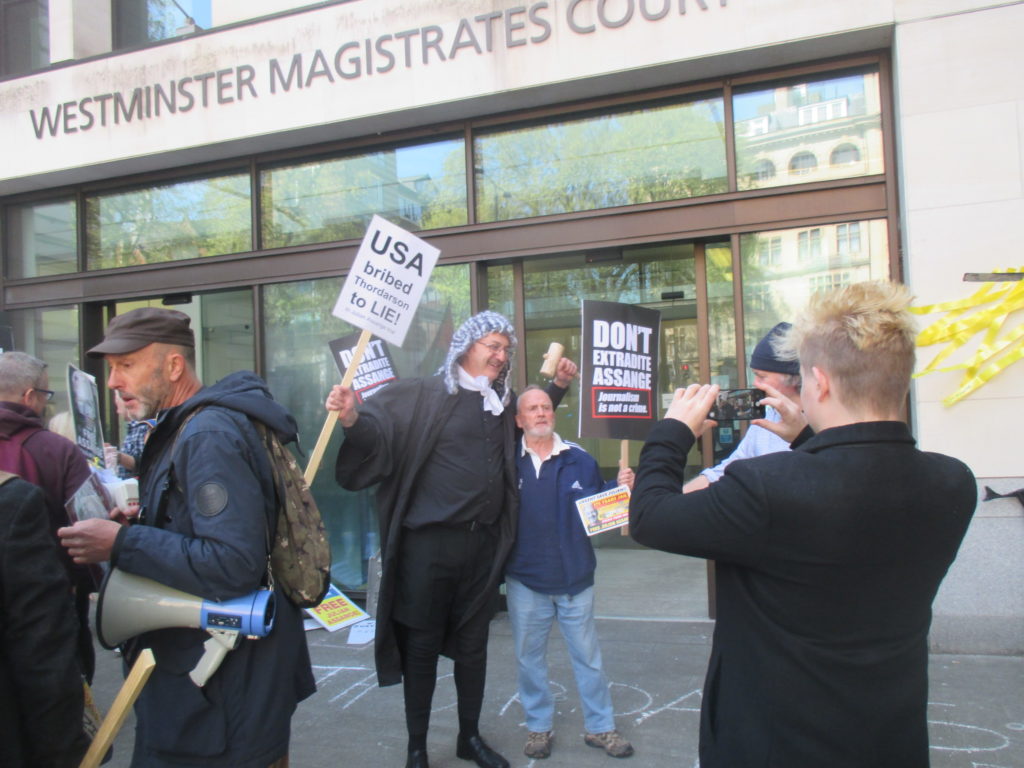
Je retrouve le folklore « Free Free Juliaaaaaan Asssaaannnge » devant la porte. Il y a Alyson, la copine australienne de Sabine von Törne, qui se met en scène devant un grand drap posé par terre estampillé« Free Assange » à côté d’un homme en habit pakistanais et d’une femme qui crie des slogans dans un micro. Les personnages efflanqués de ce matin font du bruit en agitant les pancartes toutes prêtes « Dont extradite Assange ». Joseph Farell et John Rees discutent avec des « journalistes » munis de caméra. Rebecca Vincent toujours dans ses petites robes courtes se met en scène devant des caméras. Son assistante, la jeune blonde qui avait passé du temps devant les Royal Courts le 27 octobre, l’attend devant l’entrée des bureaux munie d’une grande valise noire.
J’en ai assez de ce ramdam artificiel.
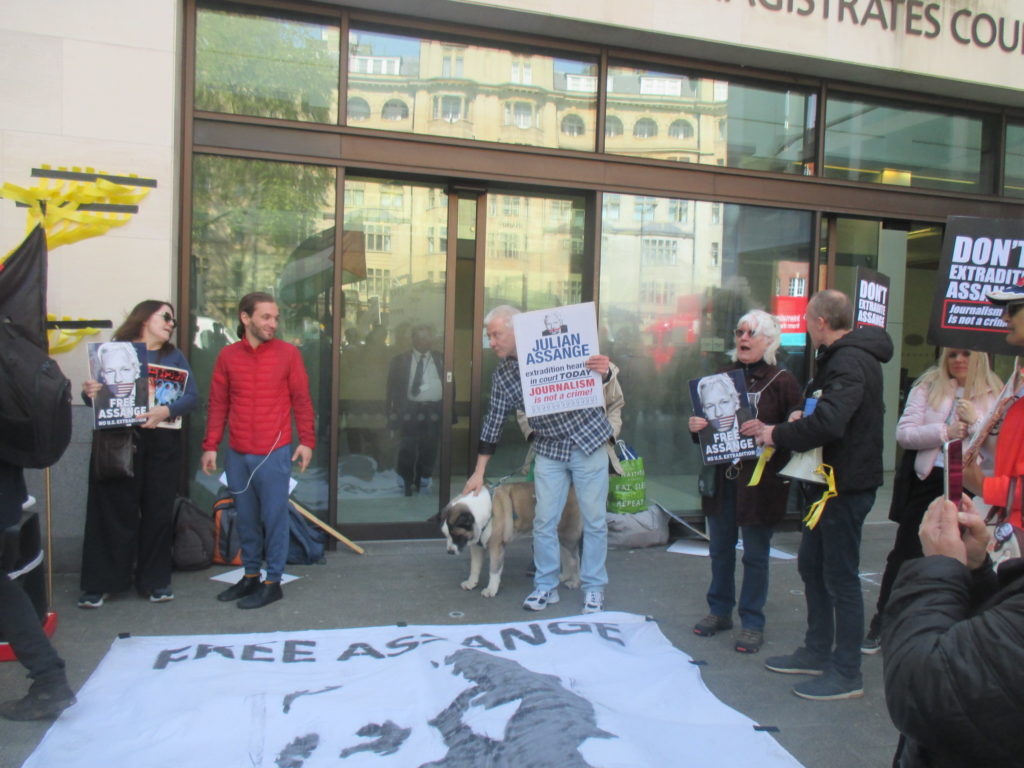
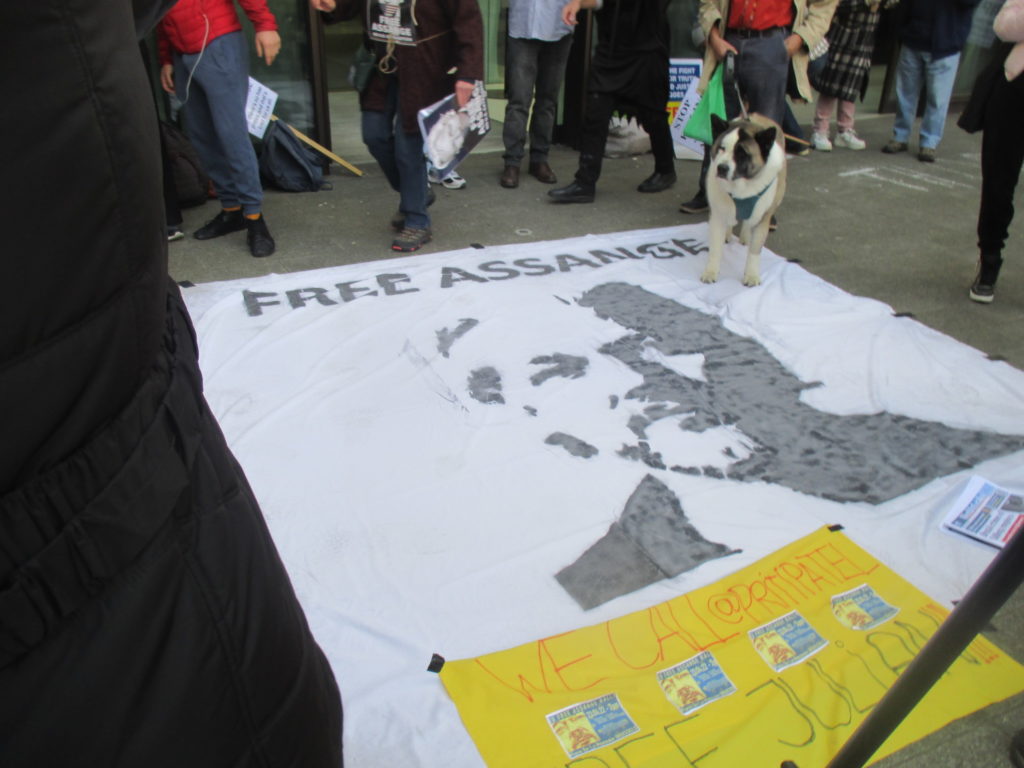
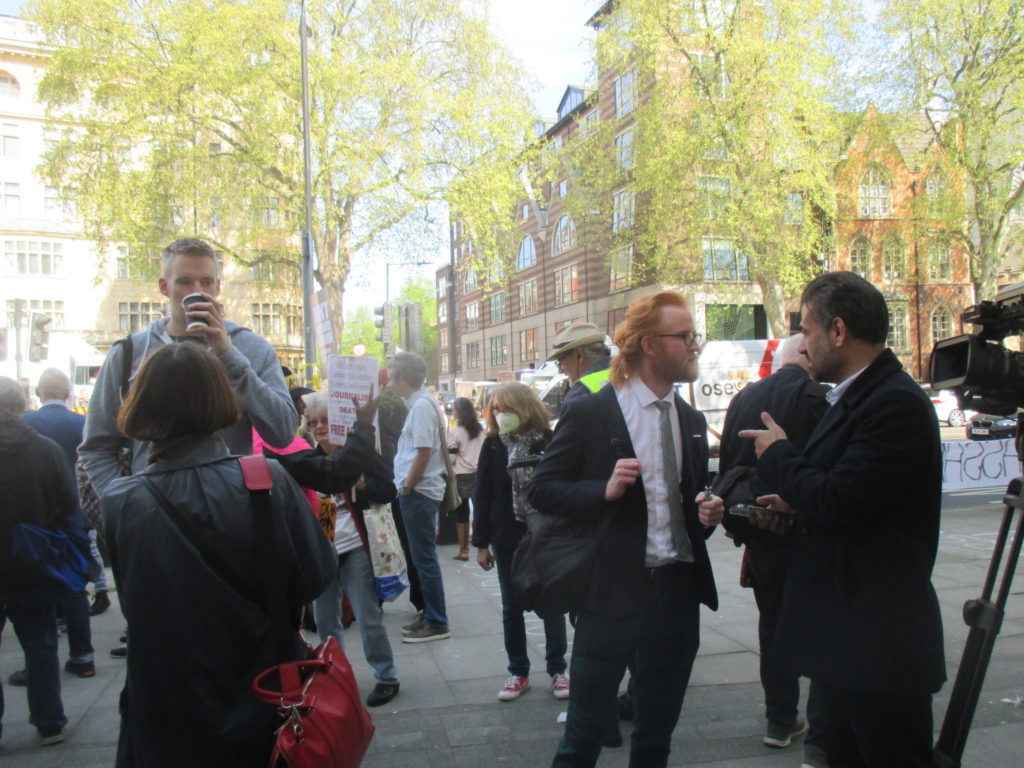
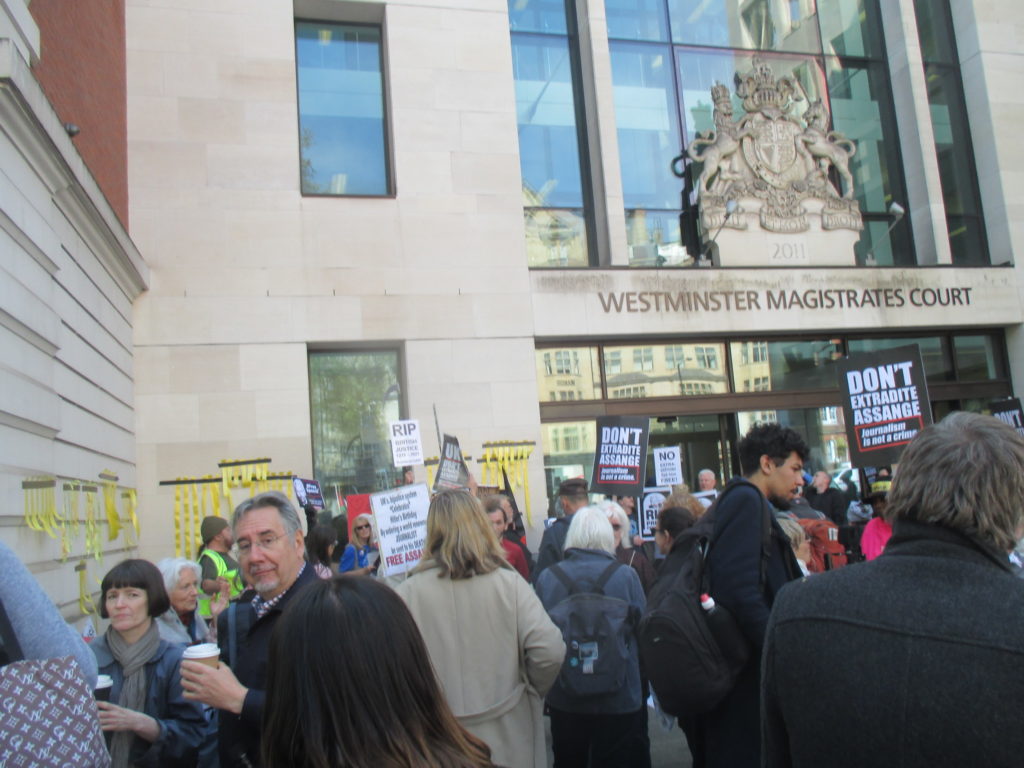
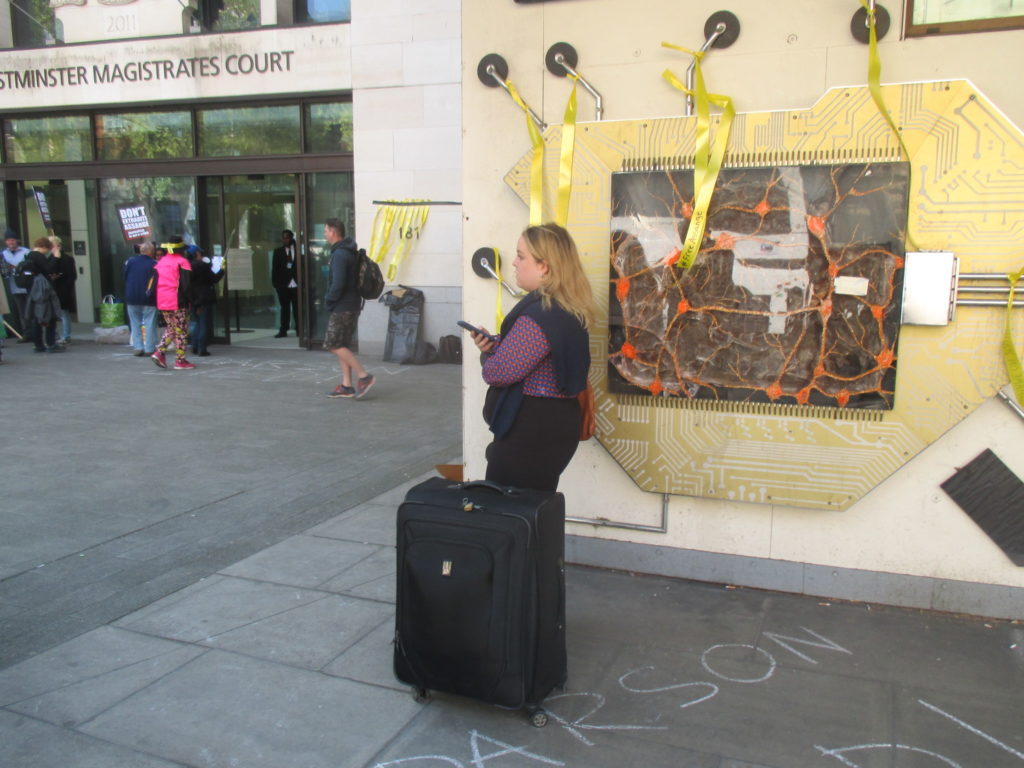
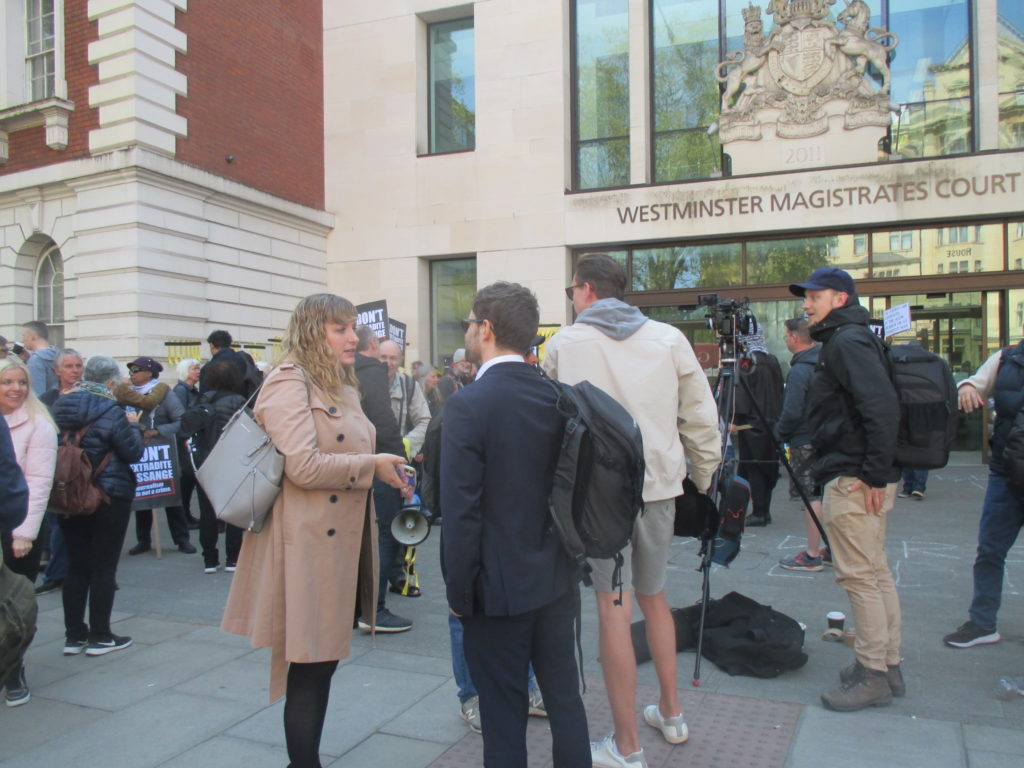
Je m’ en vais vers le « café des avocats » en consultant mon téléphone sur le cas « Bussetti ». Les « articles » des « journalistes » qui ont été dans la même salle que moi sont déjà en ligne. Lorsque j’arrive devant le petit café sympathique je suis surprise de voir Stella Morris assise dehors en face de Kristinn Hrafnsson. Pendant que je passe ma commande au bar je suis hélée par Sabine von Törne que je suis contente de retrouver. Elle discute avec une amie, je vais donc m’assoir à la seule table disponible dehors voisine de celle de Morris et Hrafnsson. Dès que j’ai pris ma place, ces deux personnes quittent les lieux peu désireuses que je puisse entendre leur conversation, à laquelle je ne prête pas attention. Seul reste leur intelocuteur Nils Lagefoged, caméraman du CIJ, ma présence ne le gêne pas.
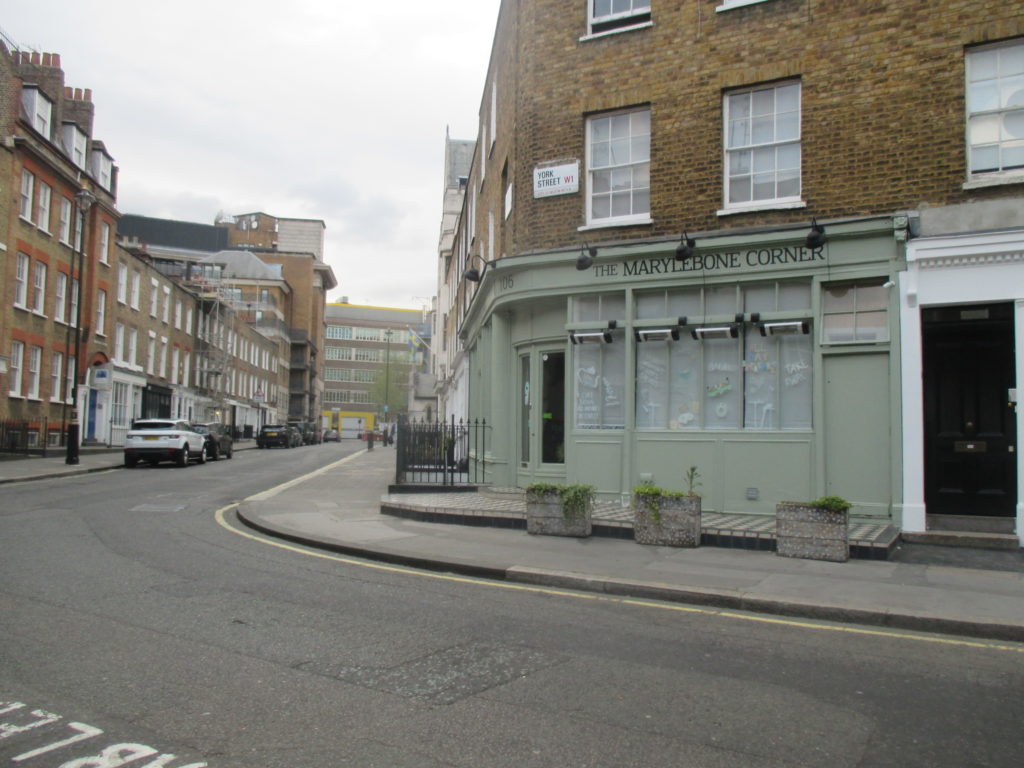
Mon débriefing et mes rapports faits, je quitte les lieux en discutant avec Sabine. Elle tente de me faire croire que le mariage d’Assange avec Stella Morris est vrai, alors même qu’elle y était si profondément hostile. Je la moque gentiment sur un mariage sans bans publics légaux, sans témoins, sans photos, dans une prison ou aucun mariage en détention provisoire ne peut avoir lieu ! D’autant plus qu’à Belmarsh il n’y a pas de détenu en détention provisoire, qui elle ne peut excéder 3 mois, bref, tout est faux dans le storytelling…
Ma copine me jure la main sur le cœur qu’il y avait des témoins ! La mère de Stella Morris ! Ah oui, bon sang, comment n’y aurait je pas pensé ! La mère de Stella Morris ! Pas celle d’Assange par contre, Christine Assange ne daigne pas de descendre se présenter au mariage de son fils !
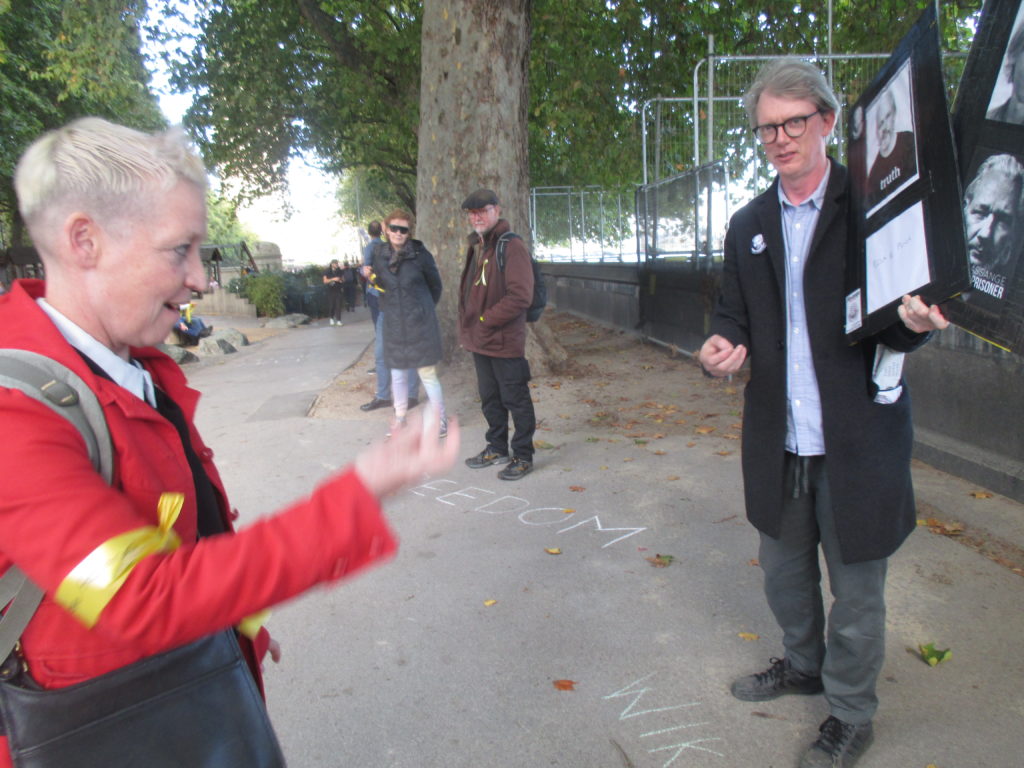
Je demande quelque preuve autre que la robe de mariée de Stella Morris, mon interlocutrice me dit de chercher dans les registres d’état civil de la commune de Greenwich… Je lui réponds : « Sous quel noms ? Puisqu’il est acté que « Stella Morris » comme « Julian Assange » sont des pseudonymes ? » Sa confusion réelle fait peine à voir, mais moi je suis exaspérée par les mensonges dans lequel le système nous fait vivre, qu’il nous impose.
Je lui dis :« Mais alors tout va bien ? Assange a baisé avec Stella Morris, a fait deux enfants, s’est marié et il peut continuer à vivre comme ça… il est heureux donc, alors ou est le problème ? Dans les prisons modernes on peut même avoir des relations sexuelles, il y a des chambres pour la famille »… Mon interlocutrice parait désorientée : « Pas pour lui ».
Je lui demande comment elle peut le savoir, après tout elle ne leur « tient pas la chandelle » ! Je suis sciemment un peu brutale, j’en ai assez de cette histoire absconse. Lorsque mon interlocutrice me dit qu’Assange « s’est marié pour les enfants », je lui réponds que c’est ridicule. En quoi cela aiderait- il des enfants que la prétendue mère qui a tellement peur de la CIA qu’elle les promènent devant les caméras du monde entier, ce qu’aucune VRAIE mère ne ferait JAMAIS ?
Qu’ils prouvent le consentement d’un homme enfermé et otage à ce pseudo mariage ! Si c’est « pour les enfants », il n’y a pas de consentement. Sans consentement, c’est un mariage forcé. La loi britannique est très claire. Ceci n’est donc pas un mariage mais un crime. Le mariage ne peut être que libre et le consentement doit être prononcé en toute liberté. La Loi vaut pour les femmes victimes de mariage arrangés et pour les hommes aussi. Je n’ai pas été féministe toutes ces années à me battre contre les mariage forcés pour qu’on me raconte de telles salades !
Mon interlocutrice n’a pas pensé à la question du consentement. Je répète avec force « le mensonge DOIT s’arrêter ». Qui est Assange au fait ? Quel est son nom ? Un agent qui prend un nom, qui change de nom. La guerre des agences doit s’arrêter, les peuples en ont marre des mensonges, des storytelling, de la propagande en continue… anglais, américains, allemands et les autres, tous les services doivent arrêter de nous emberlificoter avec leurs histoires à dormir debout, covid, monkey pox ou Stella Morris…
Les Russes aussi ? Oui, les Russes aussi.
S’ils veulent aider « Assange » ils savent quoi faire.
Je suis lasse. Je prends congé de Sabine, je l’embrasse et je regagne mon hôtel.
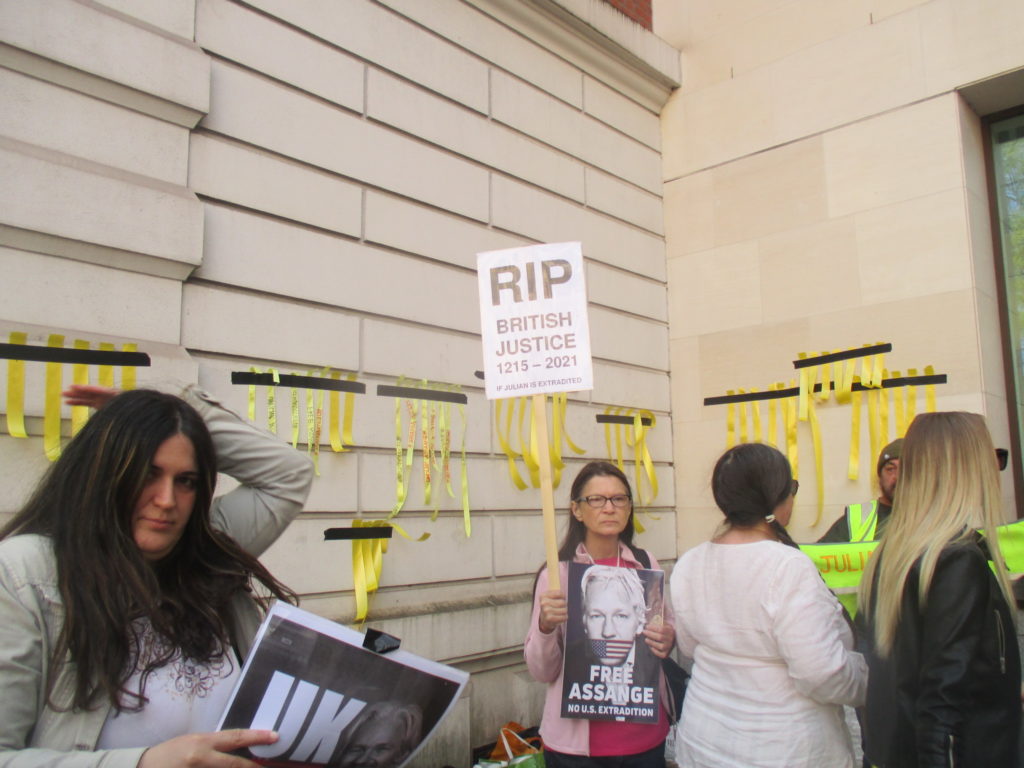
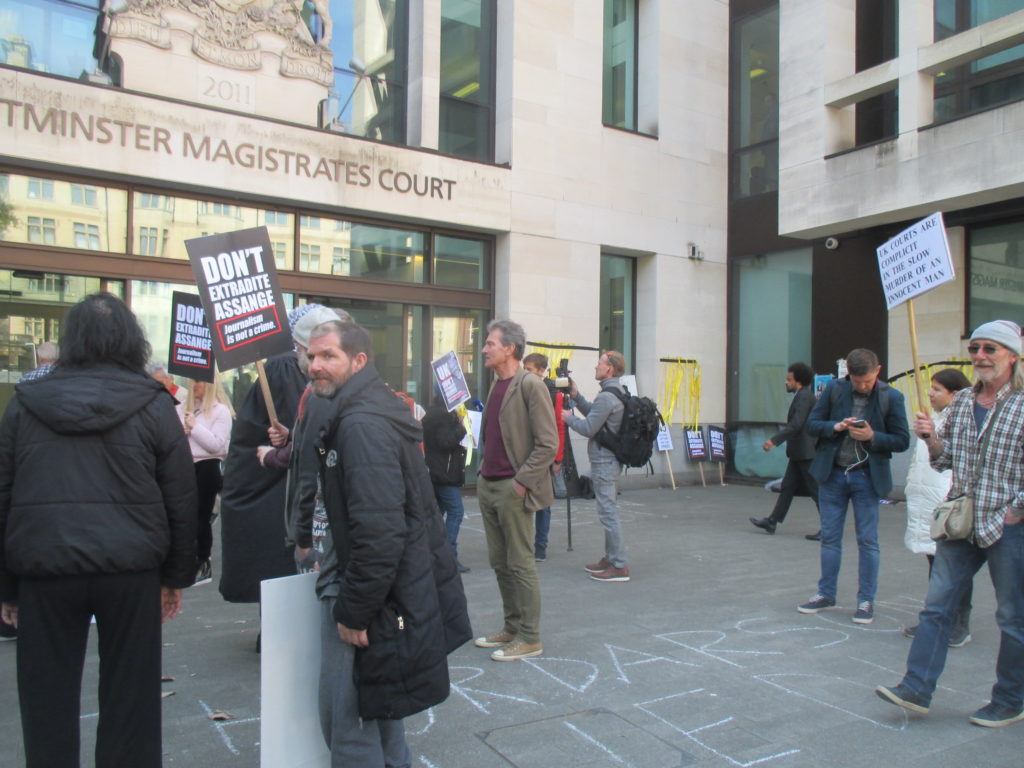
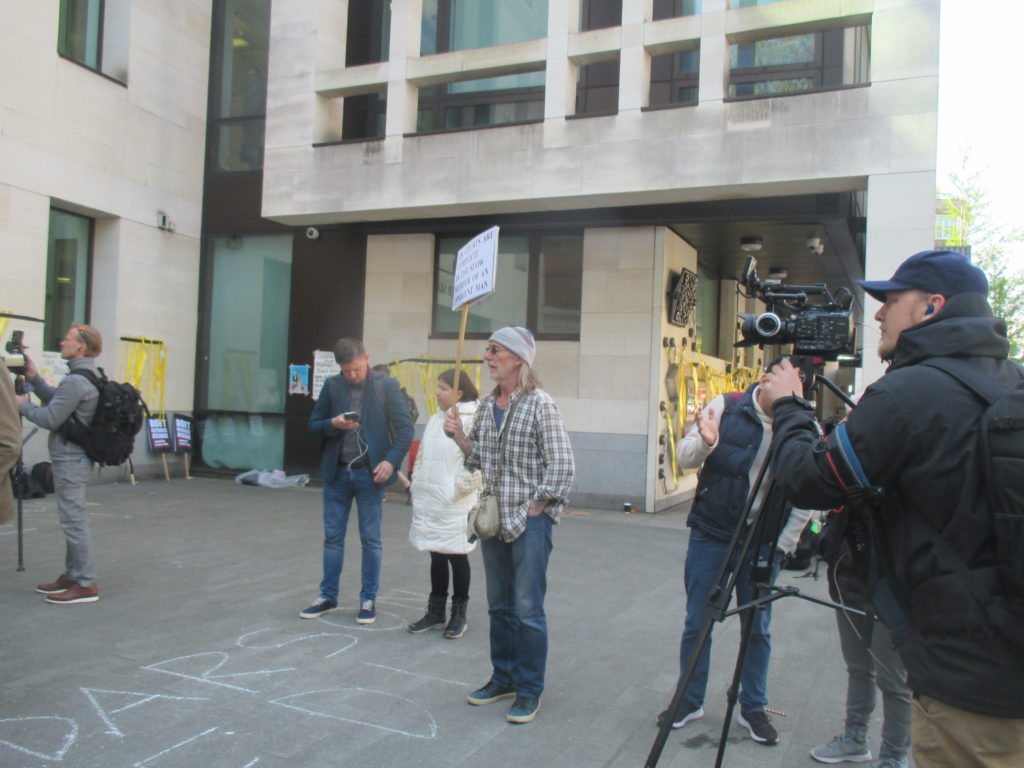
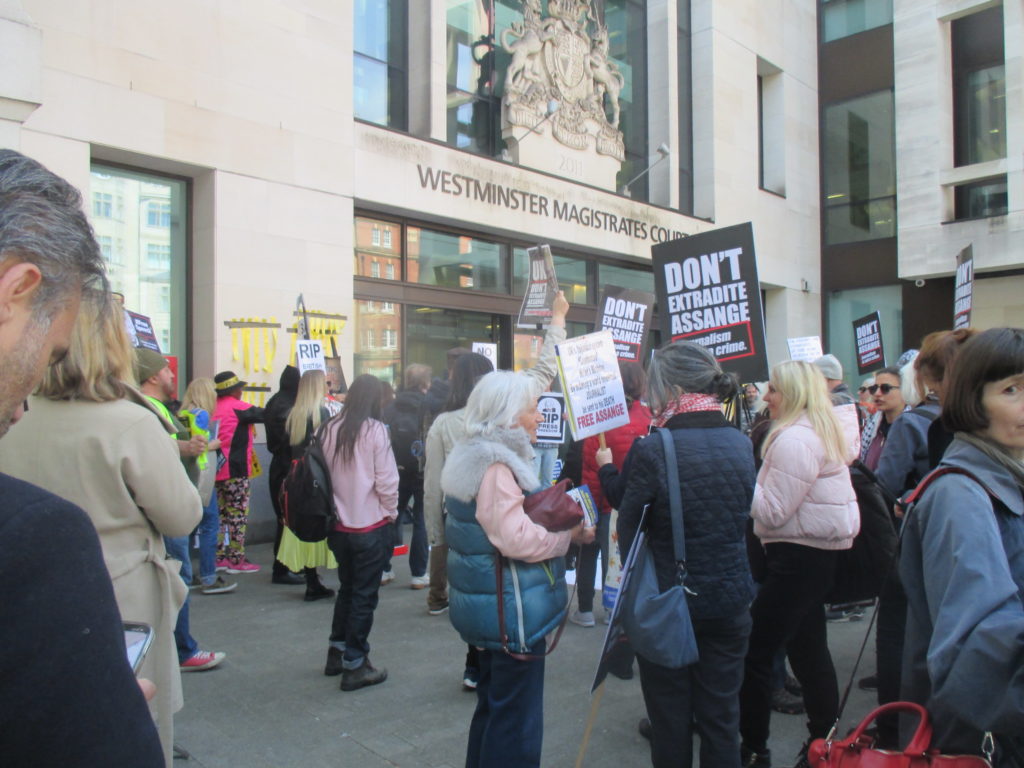
Londres reste superbe sous le soleil de printemps, avec ses grands arbre, ses jardins en fleurs et ses foules dans les pubs. L’après-midi je vais faire une balade dans le mythique quartier de Nothing Hill. J’ai d’autres lieux à explorer que la Westminster Court.
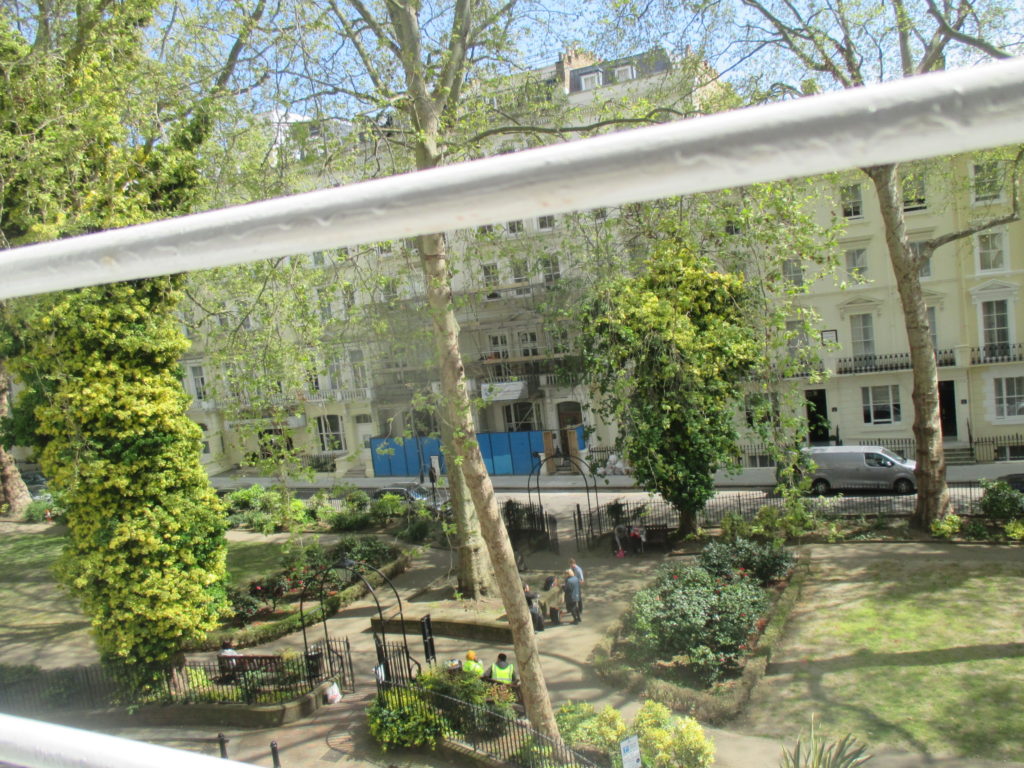
[1] Grenfell Tower: Man admits posting grossly offensive model video – BBC News
Le pouvoir du mensonge: visite de l’Imperial War Museum
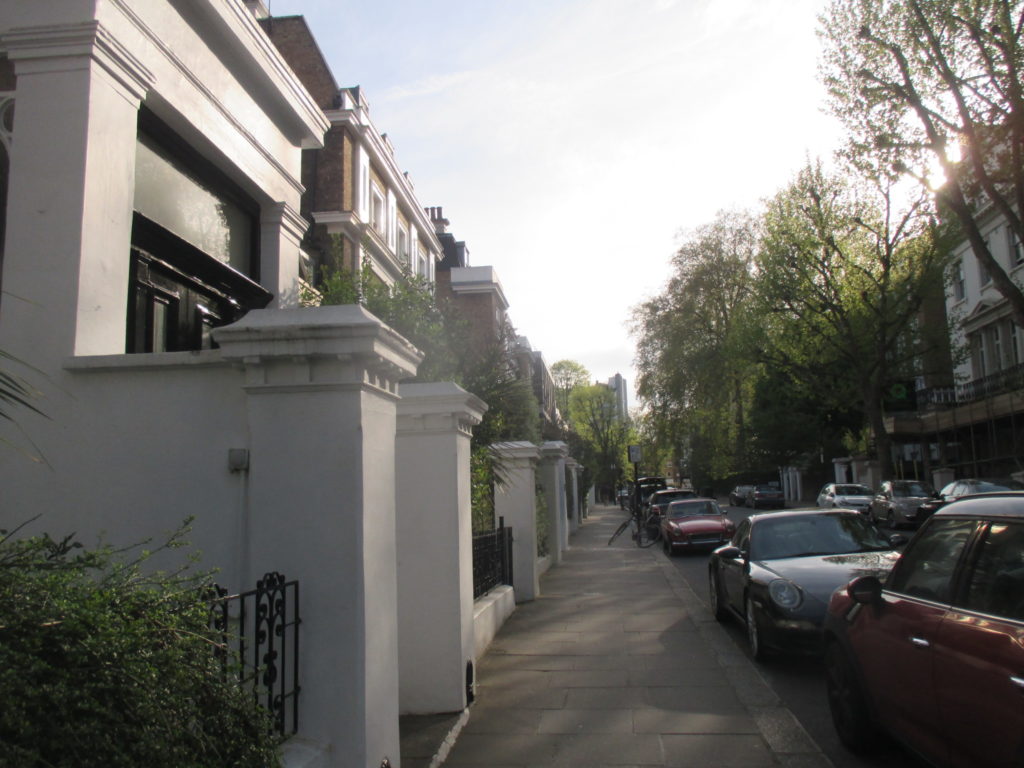
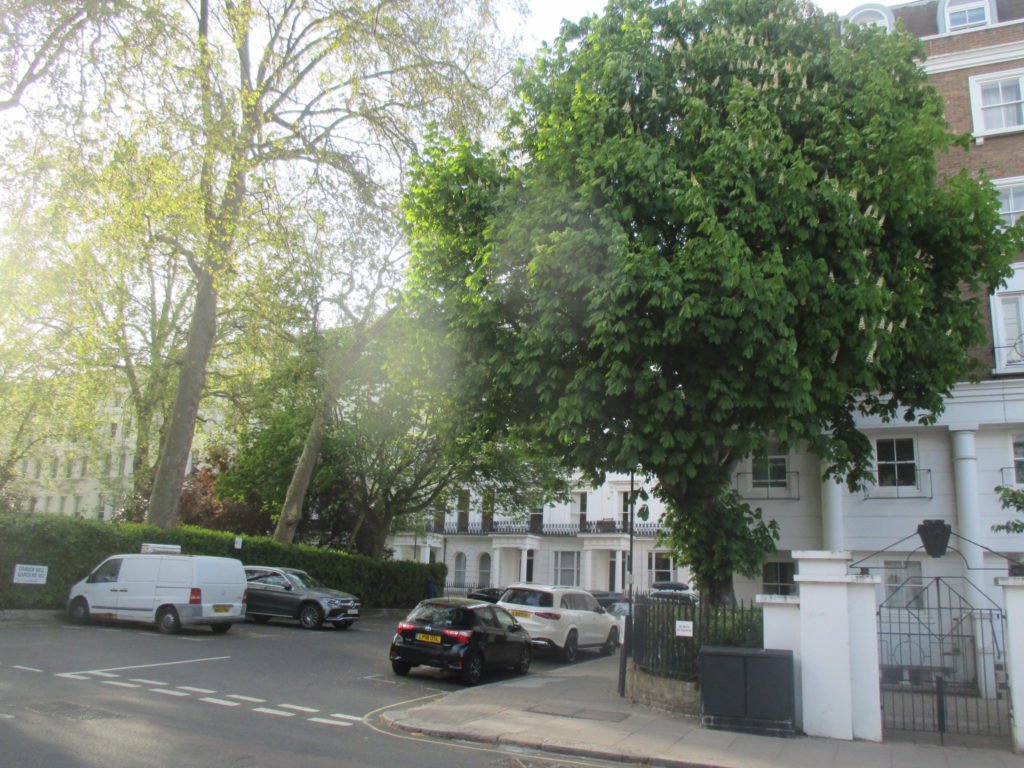
Je décide de me reposer par une balade exploratoire du fameux quartier de Notting Hill. Je quitte Paddington par les charmantes maisons victoriennes de Bayswater. Je retourne au Hyde Park dont l’entrée nord conduit au square Mémorial de Diana. Devant l’entrée de la station de métro Queensway je fais face à l’hôtel particulier de l’ambassade de Russie. L’emplacement stratégique de la mission diplomatique russe, dont la propriété est partie intégrante du Hyde Park et s’adosse au jardins du palais royal de Kensington est un héritage du temps pas si lointain ou les familles au pouvoir en Angleterre et en Russie faisaient partie du même système d’alliance politico-matrimonial – celui qui reliait des Romanov avec les Sachsen Coburg Gotha, les Darmstadt Hesse et les Hollenzollern par le biais de la famille quelque peu bâtarde des Battenberg, crée par Nicolas I pour contrôler les agissements de ces familles allemandes ambitieuses.
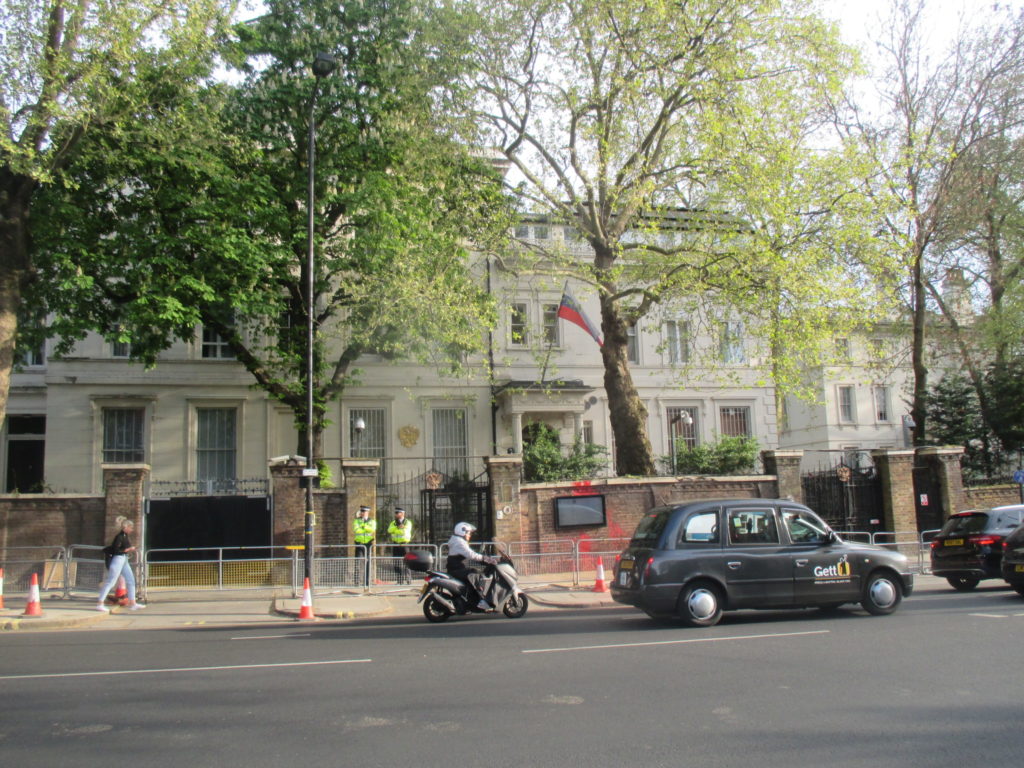

Aujourd’hui plus personne ne semble se souvenir de ces liens historiques pourtant réels : l’ambassade russe a beau être protégé d’un chapelet de barrière métalliques, sont mur de briques a été vandalisé par de la peinture rouge. Les Ukrainiens bandéristes se sont acharnés visiblement sur ces lieux que pourtant le gouvernement britannique devrait protéger selon la Convention de Vienne. En face de l’ambassade une colonne d’affichage culturel est recouverte d’affiches présentant Vladimir Poutine en Hitler, d’effigies d’une Ukraine en jeune fille innocente en bleu et jaune, de slogans dont le plus curieux est « Fake Russians wants to kill true Russians ». Parce que les Ukrainiens bandéristes prétendent au titre de « vrais Russes » contre les Russes de Russie ? Exigent-ils donc la propriété de cette ambassade ?
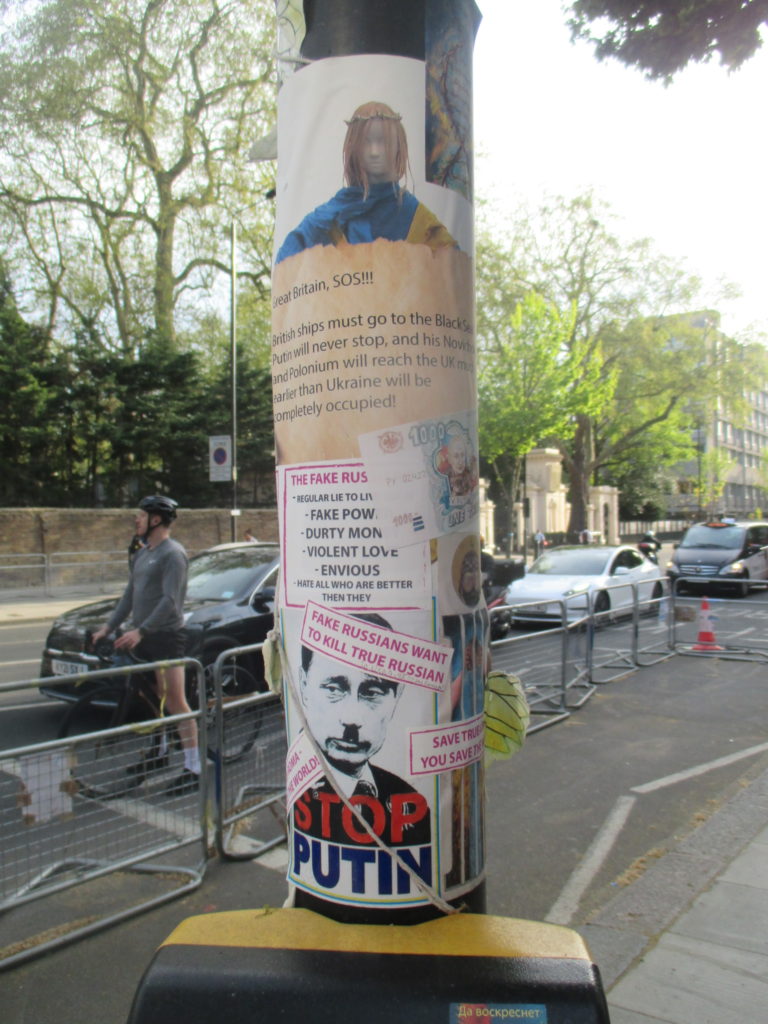
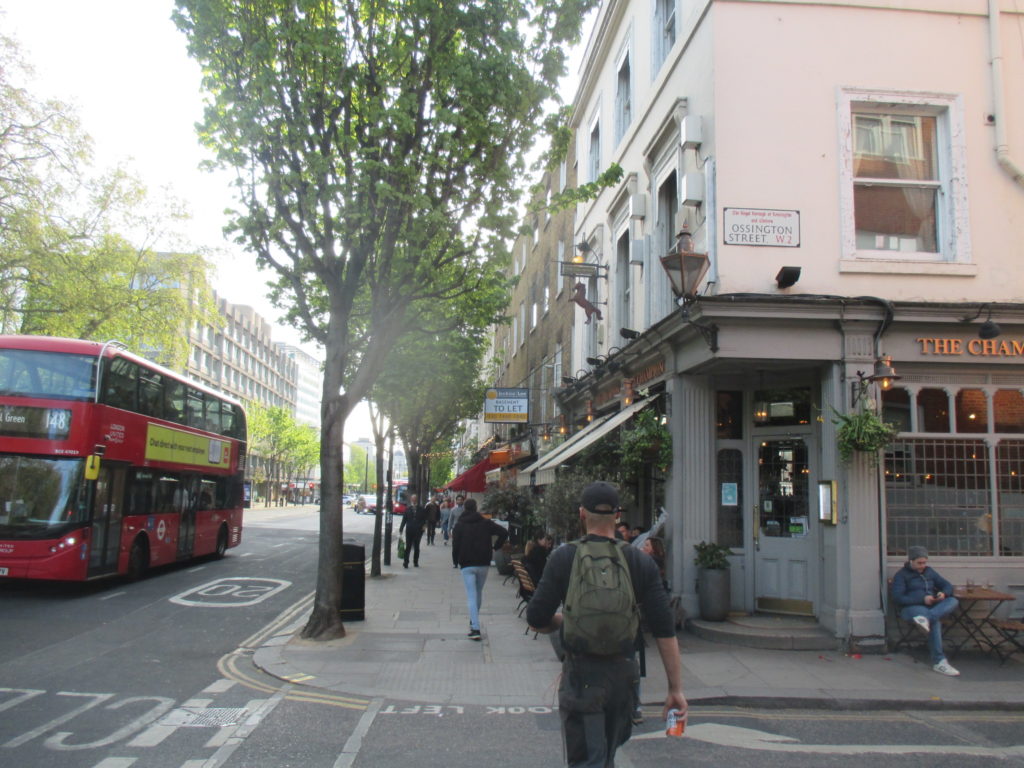
Les affrontements dans cette rue commerçante menant au quartier touristique de Notting Hill ont du être intenses très récemment.
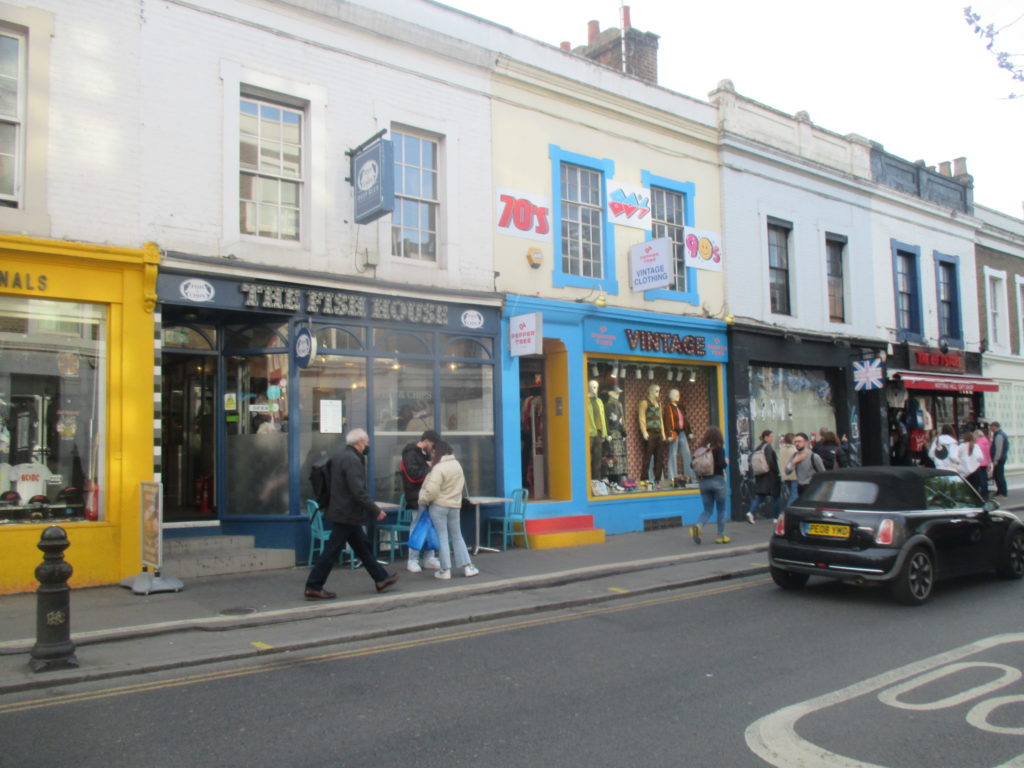
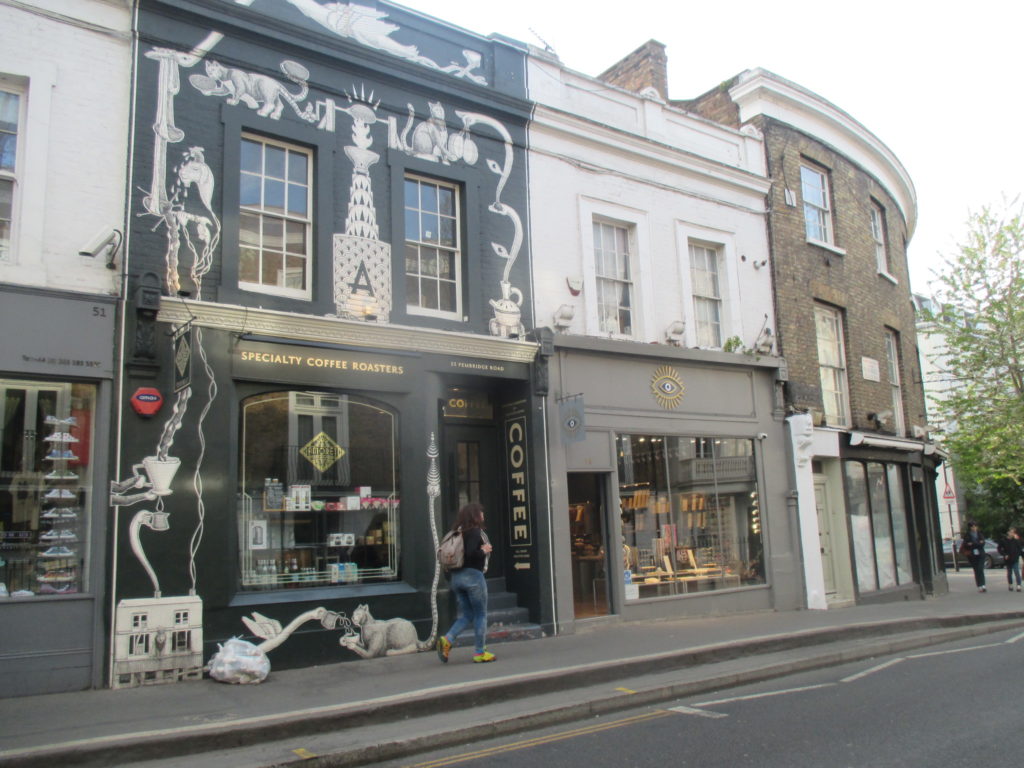
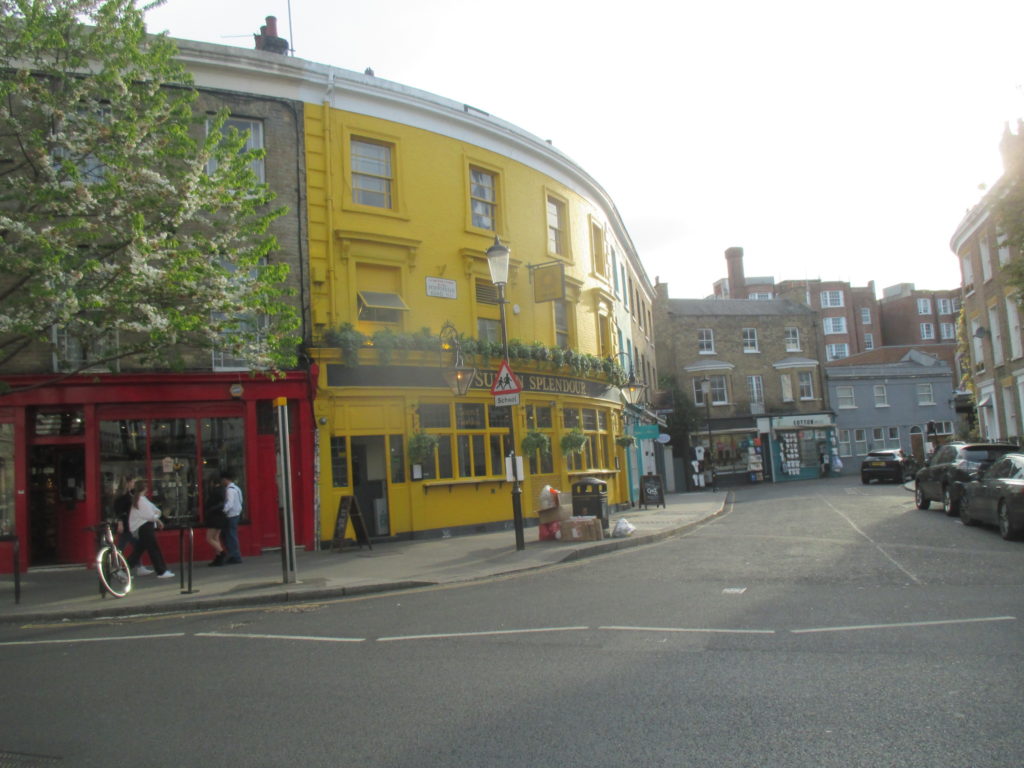
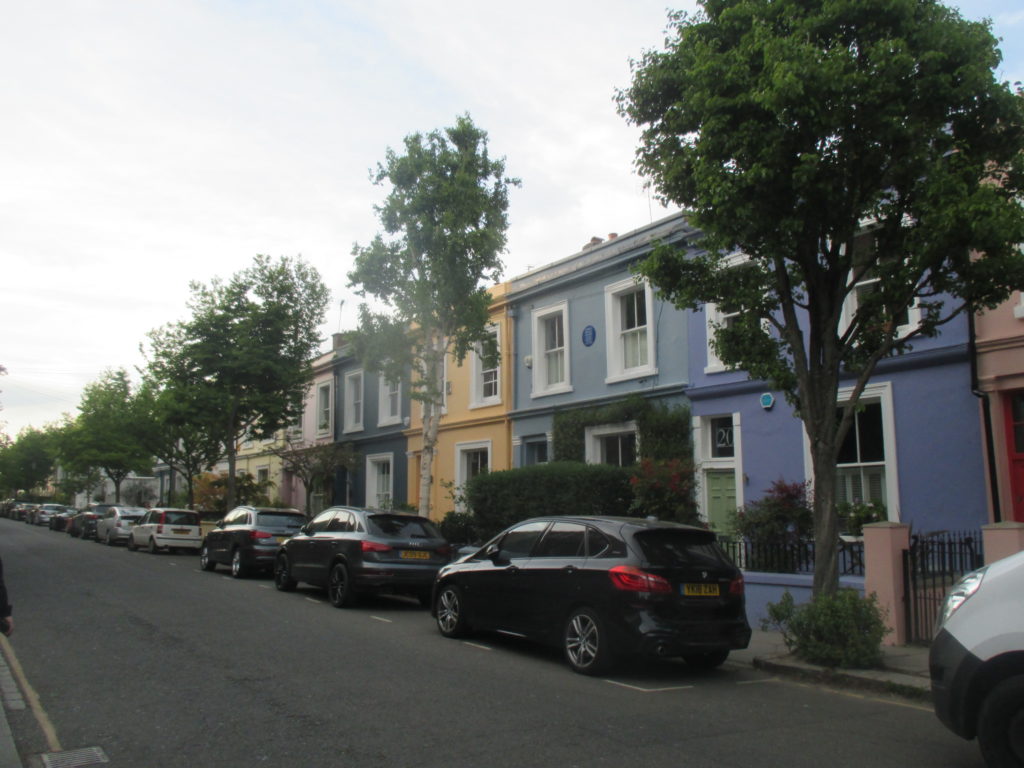
Je tourne vers le nord dans la longue Portobello Road. Notting Hill est composé de petites rues aux charmantes maisonnettes d’un étage aux façade colorées. De nombreuses boutiques de vêtements vintage, bijoux, objets de décoration, antiquités, galeries d’art assure une animation permanente que complète les nombreux restaurants et pubs tous très tôt remplis d’habitués. L’ambiance est animé, légère et joyeuse, très plaisante. C’est aussi le seul quartier de Londres ou on peut trouver des librairies !
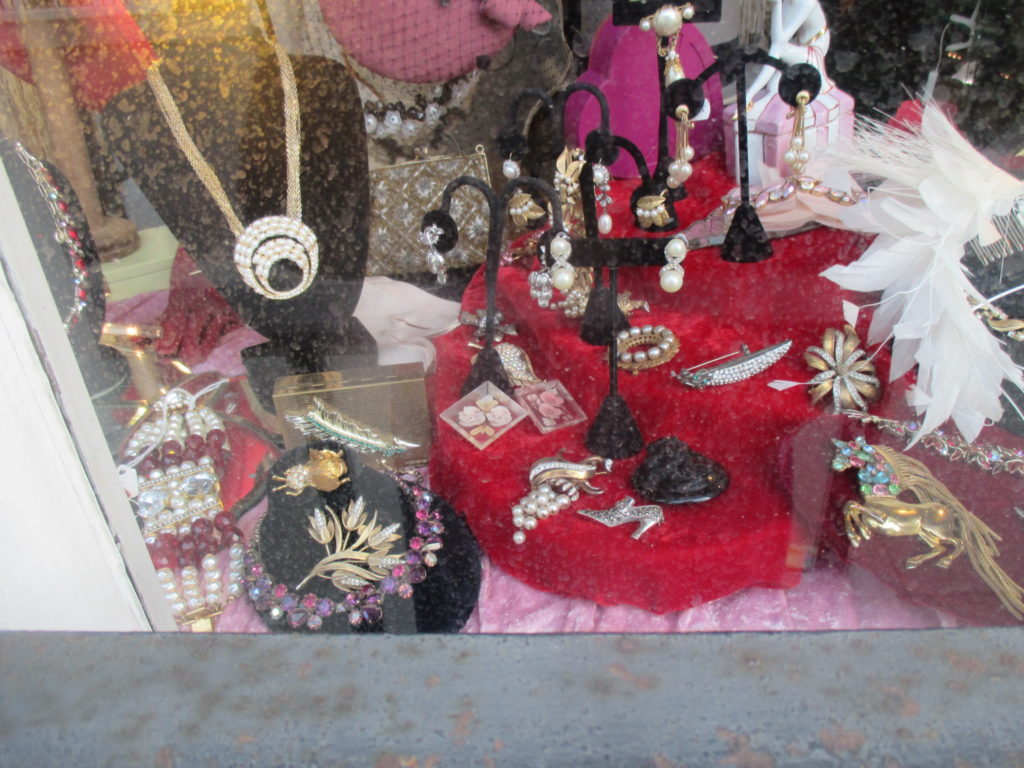
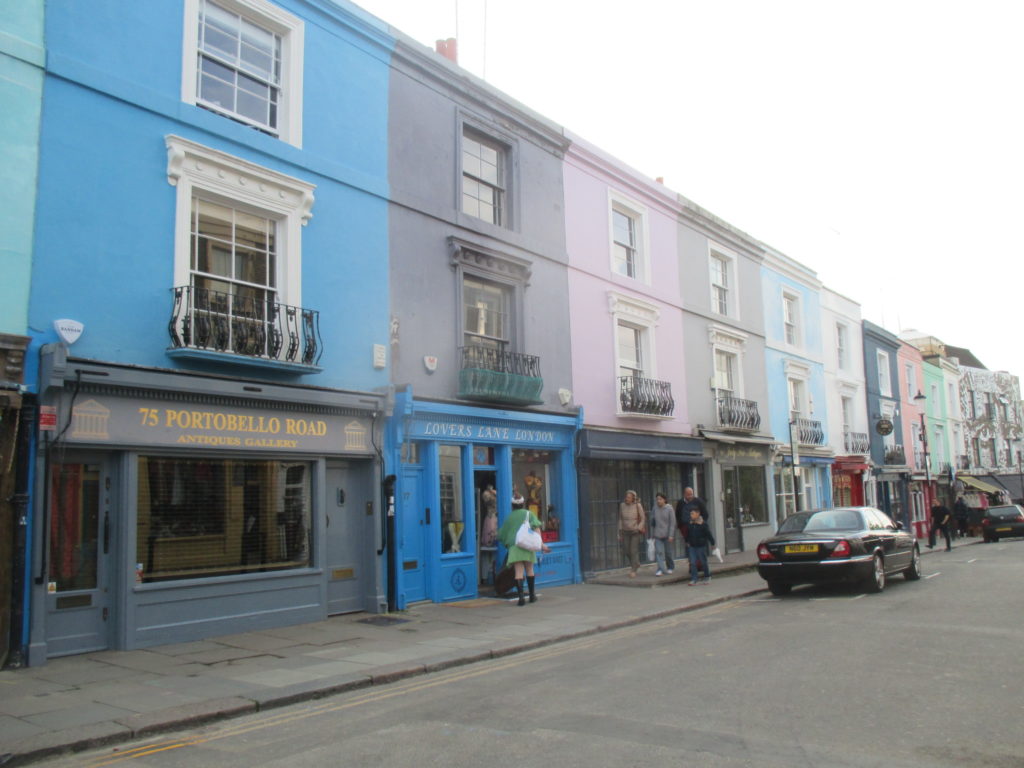
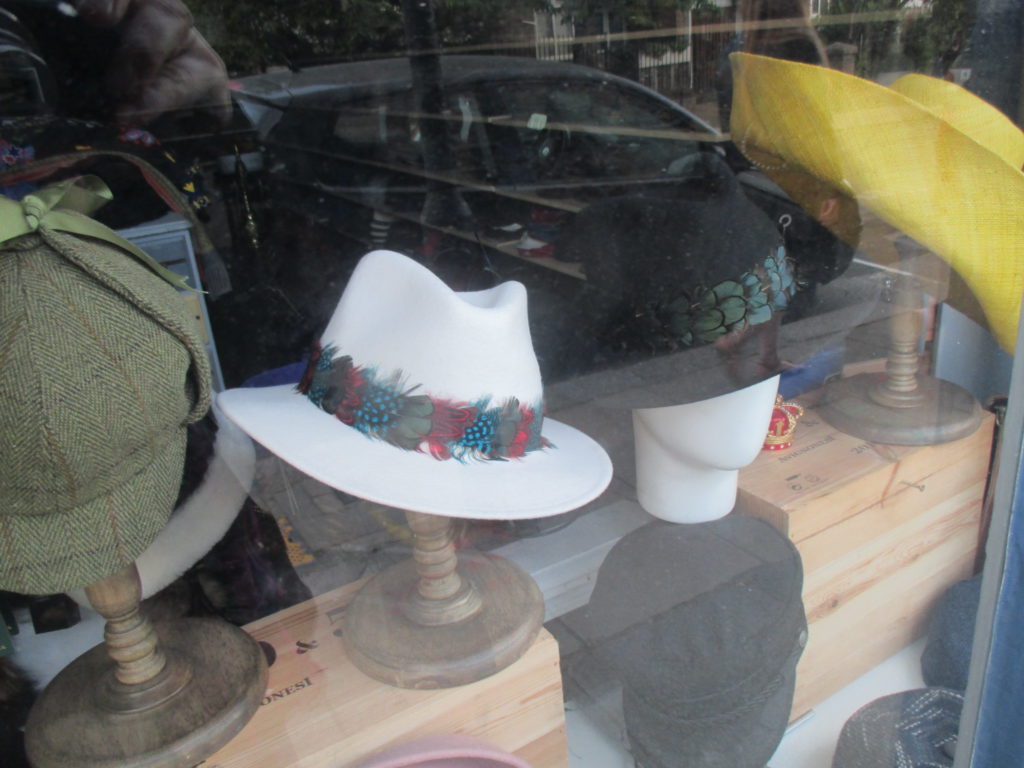
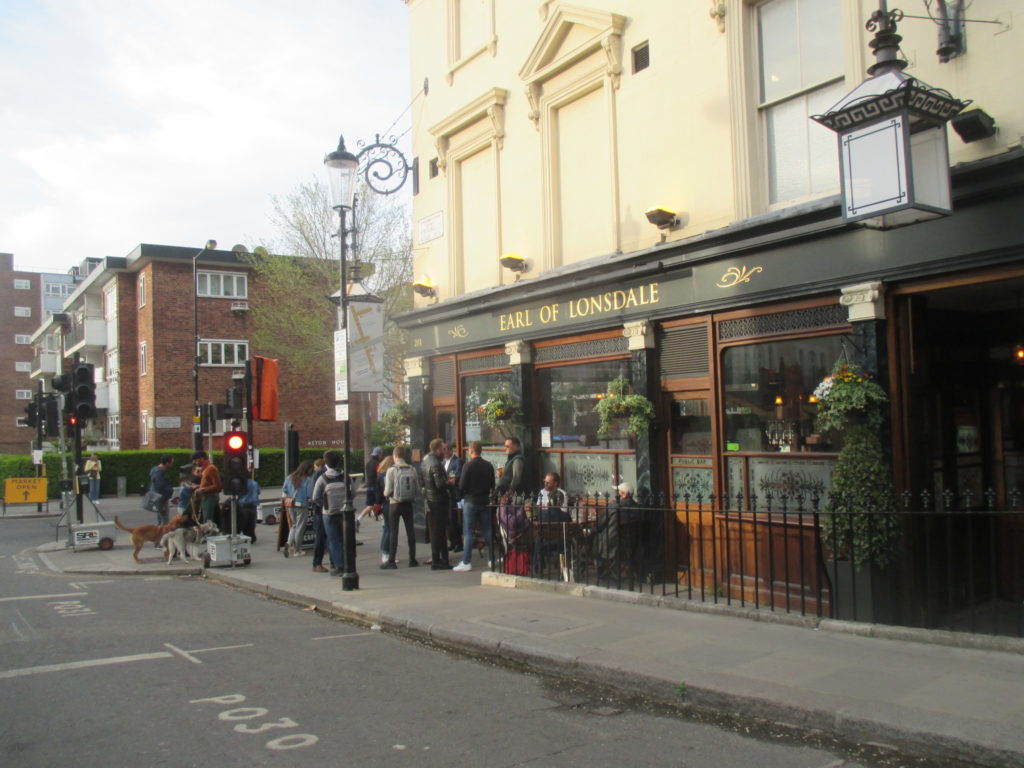
J’aime particulièrement les créations uniques de chapeliers, de manteaux et de vestes au style épuré, le chic anglais dans un environnement cosmopolite, les restaurants affichant une cuisine française, méditerranéenne ou asiatique. Je finis ma soirée dans une petite cantine malaise aux prix modique et personnel très aimable. Lentement j’efface de ma mémoire l’humiliation profonde du pass sanitaire. De retour en métro à Paddington, je ne trouverai même pas de place pour prendre un pot dans les pubs proche de mon hôtels , les touristes européens, néerlandais, allemands et français en ont pris possession aux aussi pour oublier ce que le régime européiste nous a fait subir pendant deux ans.
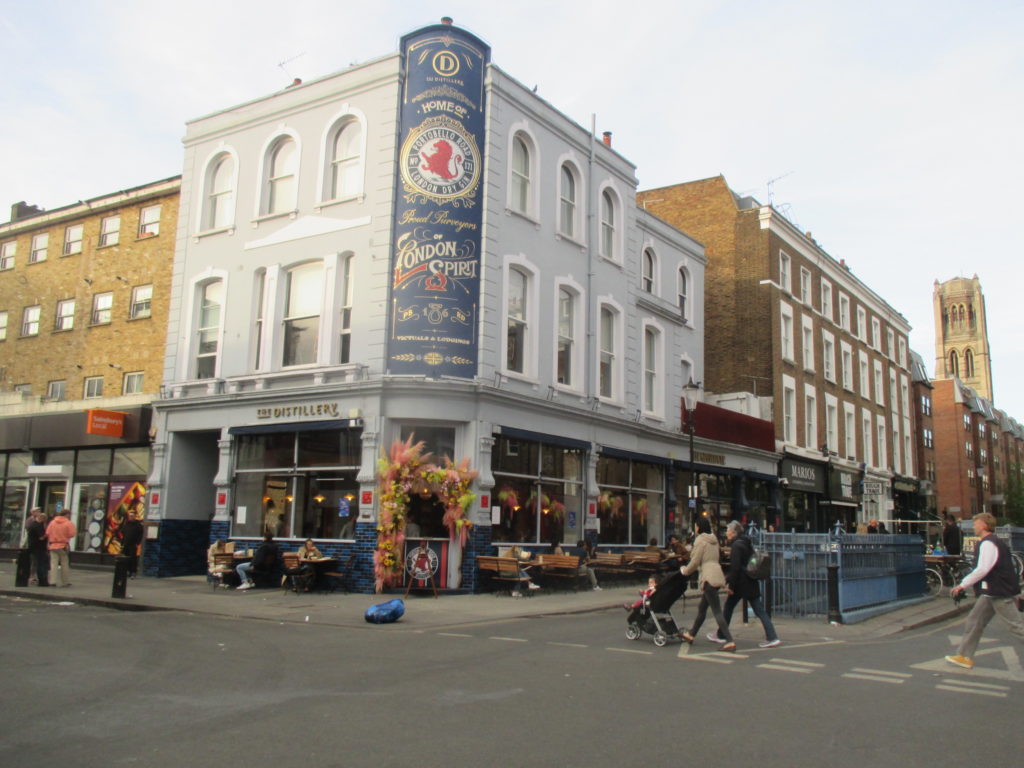
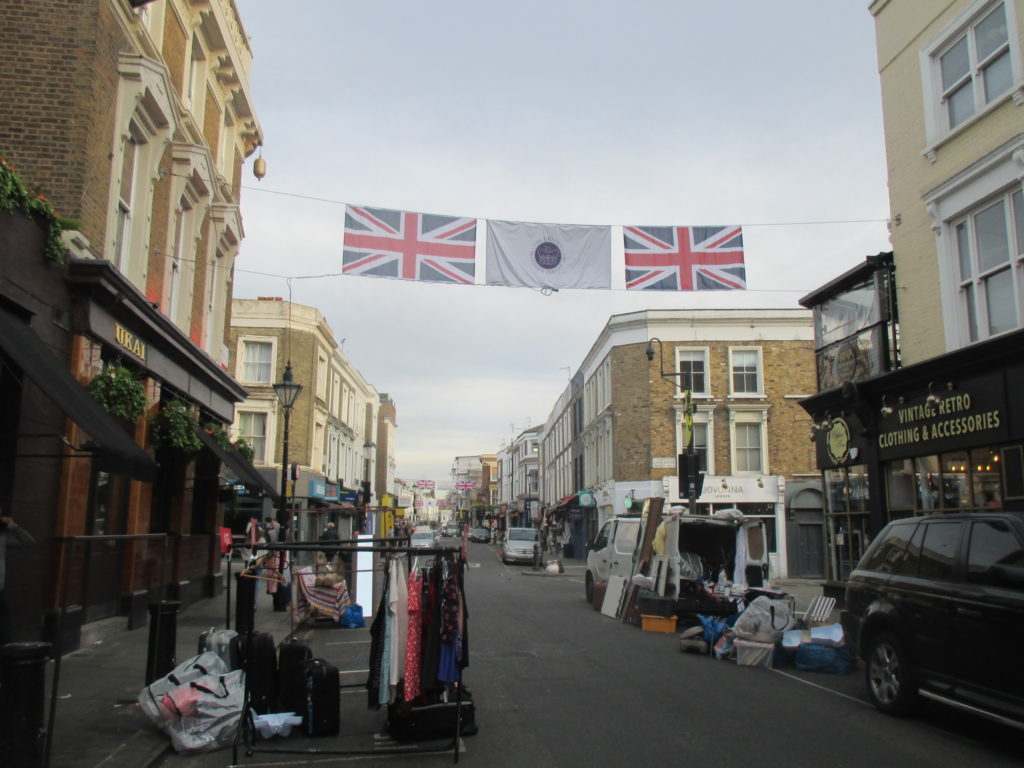
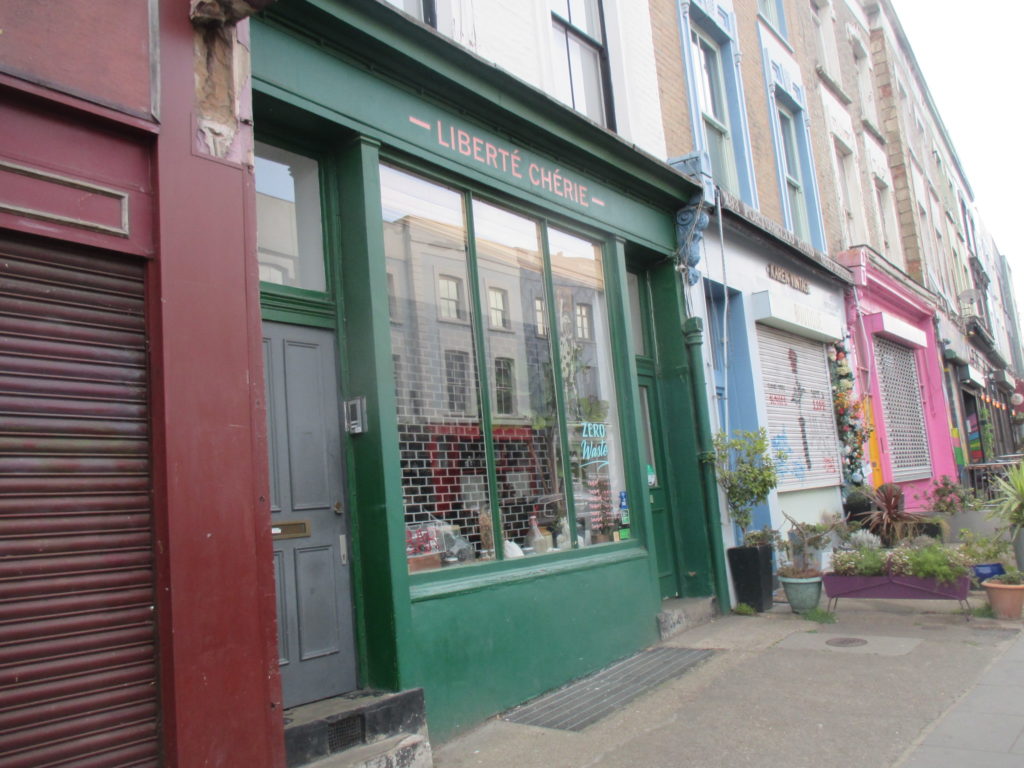
Le lendemain 21 avril, encore une belle journée ensoleillée, je croise devant le métro de Baker Street encore des militantes contre la politique covidienne du National Health System , la Sécurité Sociale anglaise : obligation vaccinale avec les produits ARN pour les soignants, menaces permanentes d’une obligation vaccinale sur les enfants, mensonges sur les terribles chiffres des blessures et effets secondaires des produits Pfizer, corruptions et mafia au pouvoir… Nous discutons longuement. Elles sont au courant des violences que nous avons subi en France et soutiennent naturellement le mouvement français contre le pass sanitaire. Nous convenons de la nécessité d’une stratégie commune des peuples…
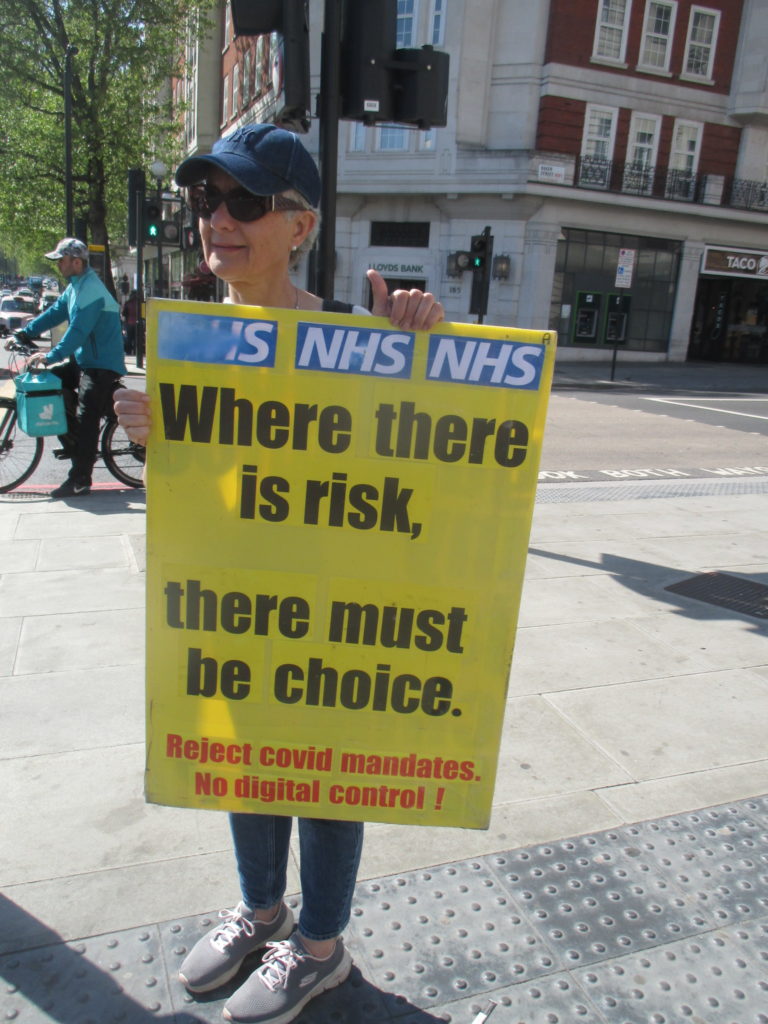
Je ne peux m’empêcher de penser à toutes les critiques que nous, militants altermondialistes, avions émis contre les Forums Sociaux Européens à Paris 2003, Londres, 2004, Athènes, 2006, Malmö 208 et Istanbul 2010… Ils étaient lourds et couteux à organiser, leurs erreurs critiquables… mais tant que les Forums existaient les gouvernements ne pouvaient pas nous imposer le régime dictatoriale mondialiste qu’ils nous infligent aujourd’hui, 10 ans après l’échec du mouvement altermondialiste!
Forum Social Européen 2003. Novembre 2003, Paris et Saint-Denis – Persée (persee.fr)
European Social Forum 2004: The Call of the Assembly of Social Movements (cadtm.org)
Special report: European Social Forum | Special Reports | guardian.co.uk Politics (theguardian.com)
4th European Social Forum opens in Athens for four days of talks | eKathimerini.com
European Social Forum – Wikipedia
Forum Social Européen – Les Amis du Monde diplomatique (monde-diplomatique.fr)
pour une autre Europe (free.fr)

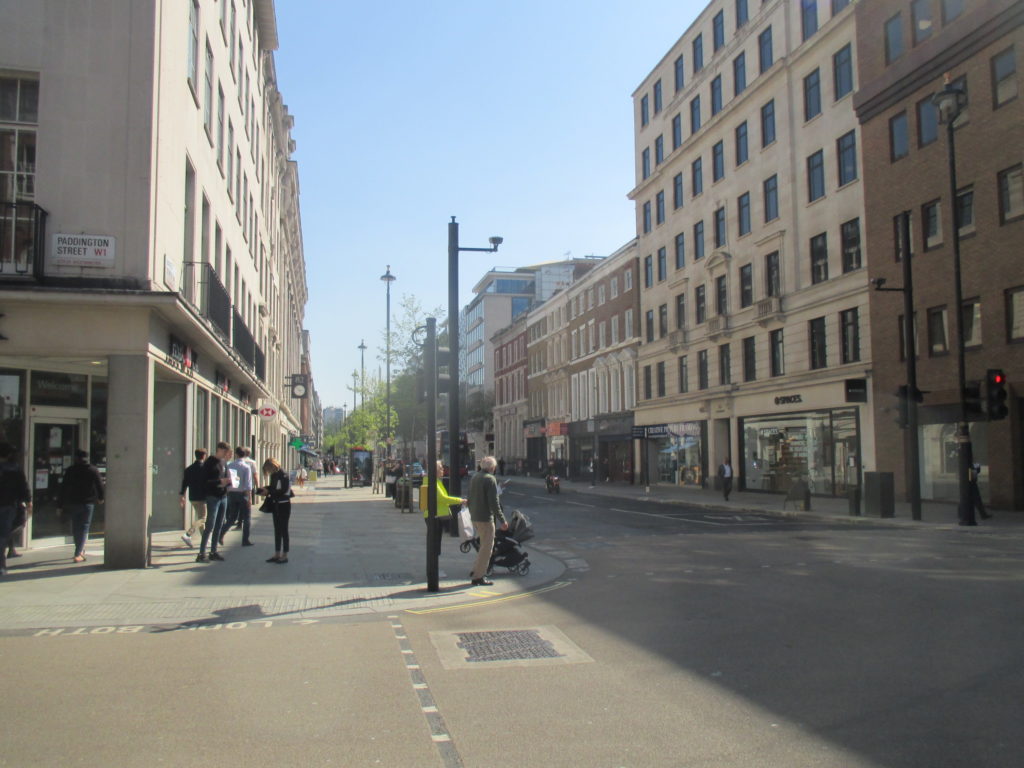
Je prends le métro pour me rendre au sud de la Tamise dans le quartier de Lambeth à l’Imperial War Museum, le Musée « impérial » étant celui de la première et seconde guerres mondiales. Le grand musée est situé dans un joli parc dans une sorte de château. Au début je suis excitée à l’idée de voir les lieux qui vont au mieux m’expliquer la mythique résistance britannique au nazisme, celle qui a permis aux Résistance des pays envahis par l’Allemagne de survivre, de se développer, puis avec l’Union Soviétique, de vaincre le monstre nazi.
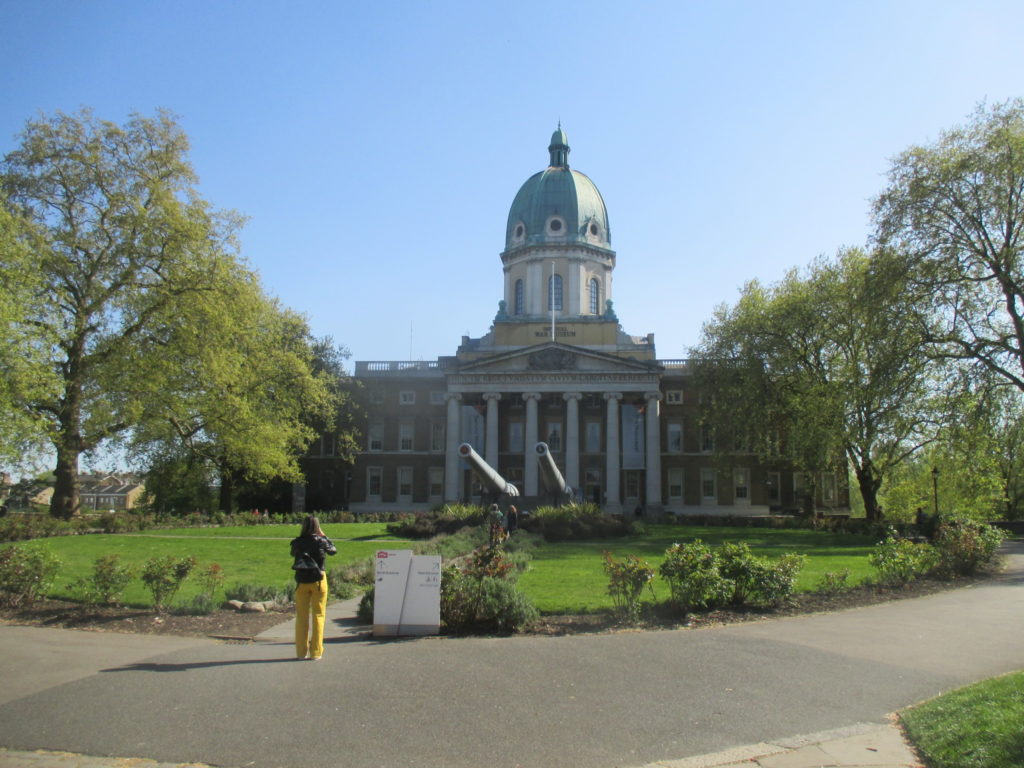
Je traverse sans aucune méfiance l’immense hall ou sont exposés les avions, les chars de combat et toute la panoplie militaire. Je n’ai pas le temps de visiter la Première Guerre Mondiale dont l’exposition se trouve au rez-de-chaussése même si je sais qu’il faut connaitre l’une pour comprendre l’autre. Au première étage je remarque que l’exposition sur la Seconde Guerre Mondiale est toute neuve, elle date d’octobre 2021, temps covidien. Dès la première vitrine, je déchante. Puis, plus je parcours les salles, j’écoute les sons et lis les panneaux, je suis de plus en plus horrifiée.
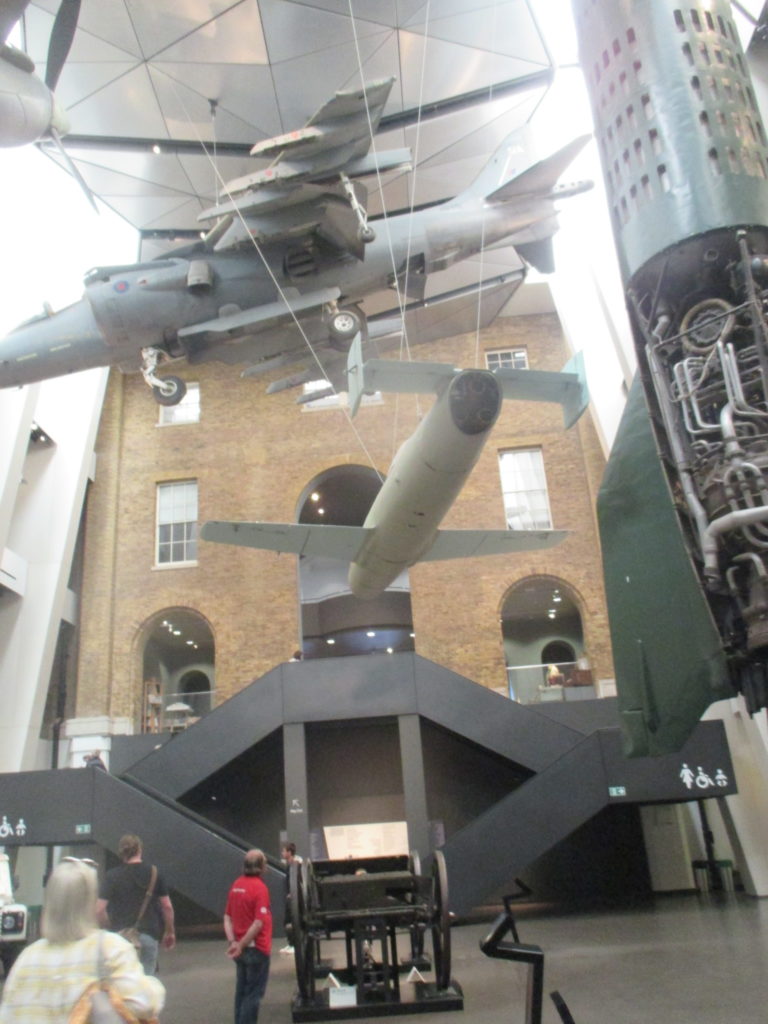
D’abord par la part belle faite à l’émotion au détriment de la raison… Le visiteur étant accueilli dans la première salle par un immense Staline aux grandes moustaches qui semble donc représenter le principal fauteur de la guerre d’Hitler. Bingo ! Le panneau explicatif accuse ouvertement le pacte Ribbentropp Molotov d’être la CAUSE de la Seconde Guerre Mondiale ! Foin de capitalisme donc, de nazisme, aucun historique du nazisme n’est donné, pas de trace du militarisme allemand, des corps franc, du racisme germanique pré hitlérien non plus… Non ! Le pauvre Hitler apparait comme la création du méchant Staline !
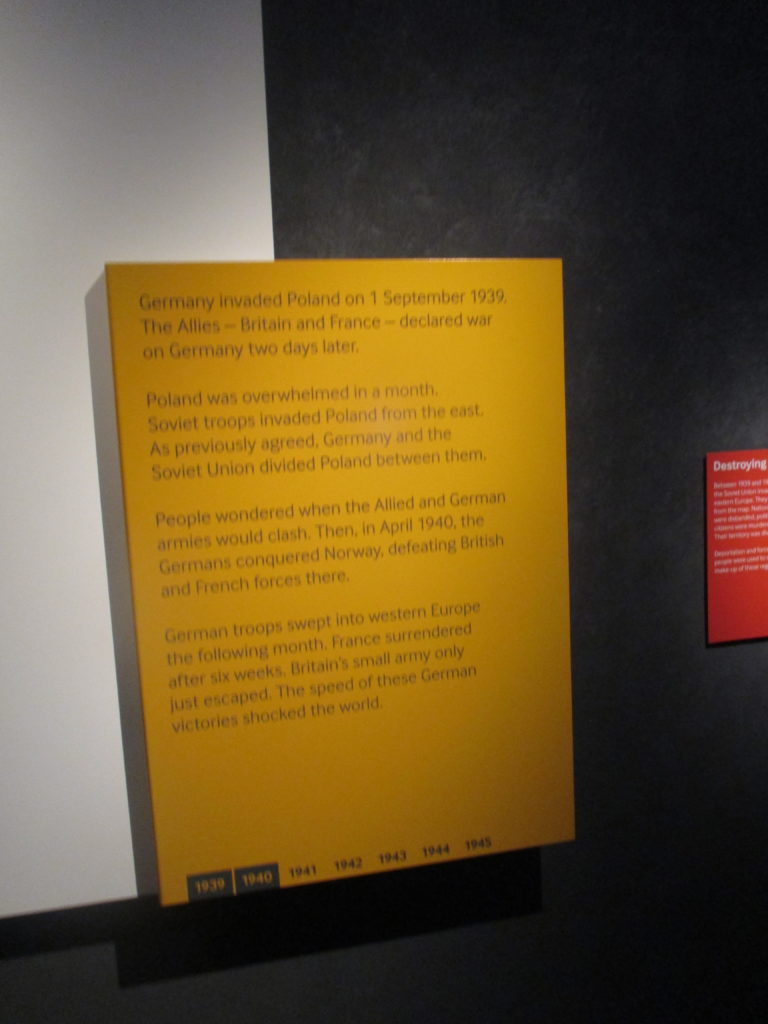
Et naturellement la guerre commence avec l’invasion de la Pologne par l’Allemagne le 1 septembre 1939 et la courageuse déclaration de guerre de la France et l’Angleterre ! Pas de trace des violences hitlériennes, pas de traces des accords de Munich, du lâchage de la Tchécoslovaquie, de son dépeçage, pas de trace de l’Anschluss de l’Autriche… Aucune trace de la trahison anglaise et française des nations de l’Est, aucune trace de Chamberlain, aucune trace de la « drôle de guerre »! C’est le méchante Union Soviétique qui « partage » la Pologne avec l’Allemagne ! On dirait un conte pour enfants… Mais un conte totalement absurde. Quand je lis « Destroying Nations. Entre 1939 et 1941 l’Allemagne et l’Union Soviétique ont envahis les nations d’Europe de l’Est. Ils ont voulu les effacer de la carte. Les nations ont été démantelées, les politiciens et les leaders locaux ont été assassinés et emprisonnés. Leurs territoires ont été divisés. Les déportations et les mouvements forcés de populations ont été utilisés pour changer la carte ethnique de ces régions », mon cœur se soulève devant tant de mensonge dont n’importe quel historien devrait être horrifié !
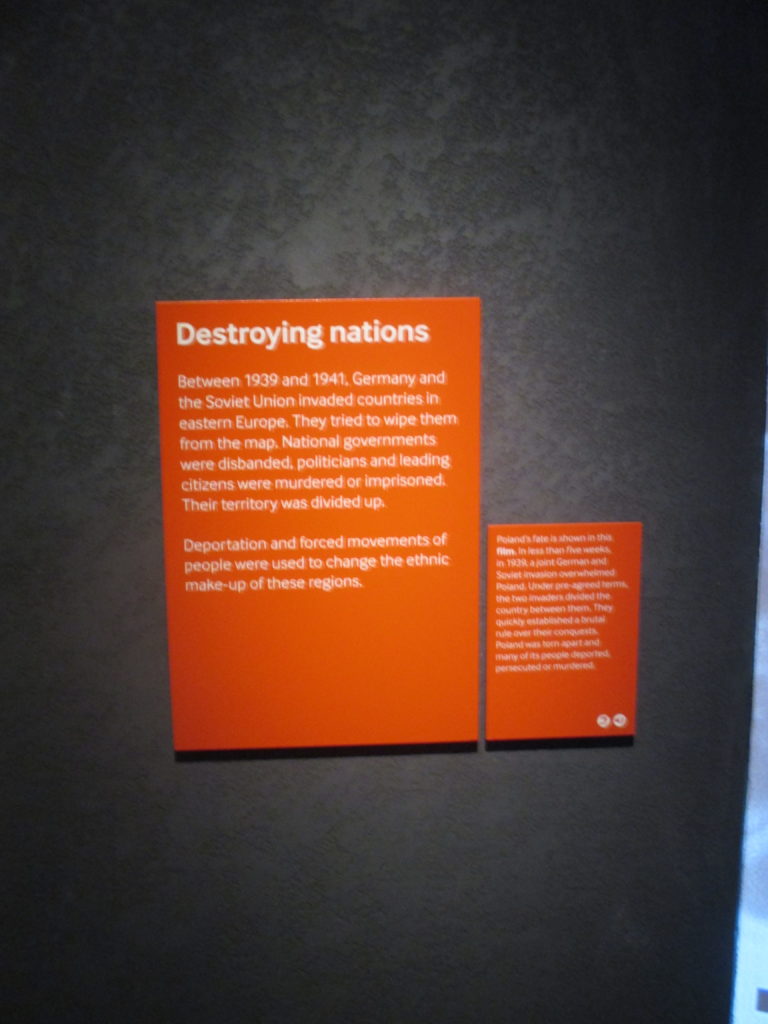
En réalité, le musée britannique officiel gomme la collaboration avec les nazis de pays comme la Hongrie, la Bulgarie, la Roumanie alors que les Soviétiques ne se sont pas vengés contre ces pays ni ces populations, au contraire, ils les ont préservé même après leur défaite en 1945 ! Devrons-nous encore prouver que ce sont bien les Allemands qui ont assassiné 6 millions de Polonais sur le territoire de la General Gubernia Ost, et non pas les Soviétiques ? Que les Soviétiques ont le 17 septembre 1939 juste pris à la Pologne les territoires ukrainien et biélorusses que la Pologne avait annexés en 1920 contre la volonté de ses populations et même contre la volonté de diplomate anglais comme Lord Curzon ! Qu’aucune déportation des élites polonaises en Sibérie ne peut se comparer à la destruction de la nation polonaise par les nazis ALLEMANDS sur les territoires occupés par les Allemands ?! Comment peut-on écrire des inepties pareilles, ici au cœur du plus grand musée londonien consacré à notre histoire la plus brûlante encore aujourd’hui, vide les insignes nazis des bataillons Azov ?
Réponse : on peut parce que l’exposition est si mauvaise. Qu’elle ne présente aucune chronologie, aucune datation. Elle est un espèce de gloubi boulga de notions vides et de bons sentiments servis dans une soupe de bruits terrifiants, sirènes, annonces radios, bruits de bombardements qui jouent sur les émotions du visiteurs et anesthésient son sens critique.
D’ailleurs je suis horrifiée de constater que pour l’histoire anglaise le musée est très mauvais également : après une heure de visite on ne comprend toujours pas qui gouverne l’Angleterre, Winston Churchill n’apparaissant tout simplement pas dans l’exposition ! Il n’y a rien sur Churchill en tant que premier ministre et chef de guerre : à peine une toute petite photo dans un coin qui parle de son poste à l’amirauté avant la première guerre !
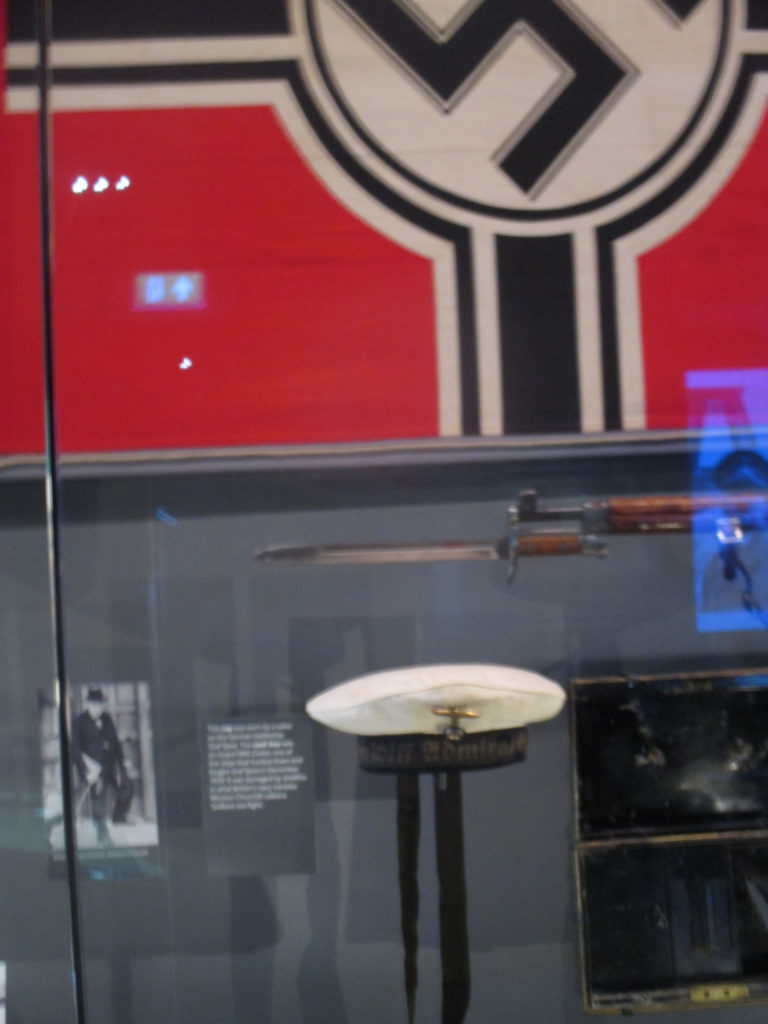
A quoi sont donc consacrées les longues salles du musée ? A de nombreuses vitrines censés intégrer les soldats de l’Empire dans la mémoire de la guerre. Pas un espace qui ne rappelle pas la présence de soldats noirs, caribéens ou africains dans l’armée britannique. C’est même le sujet unique de presque un tiers du musée : les longues présentation de la guerre en Asie, à, tel point qu’un visiteur non européen en retiendra surement la conviction que la seconde guerre mondiale s’est déroulé essentiellement en Thailande, en Birmanie et en Malaisie. L’importance de « Burma » est rappelée dans toutes les salles, sous toutes les formes. Je me demande si ce n’est pas Lord Mountbatten et ses amis qui ont financé et inflencé ce musée, car en réalité il n’y a que lui qui en tant que « vice-roi de Birmanie » en 1947 à présenter un quelconque lien historique avec ce pays.
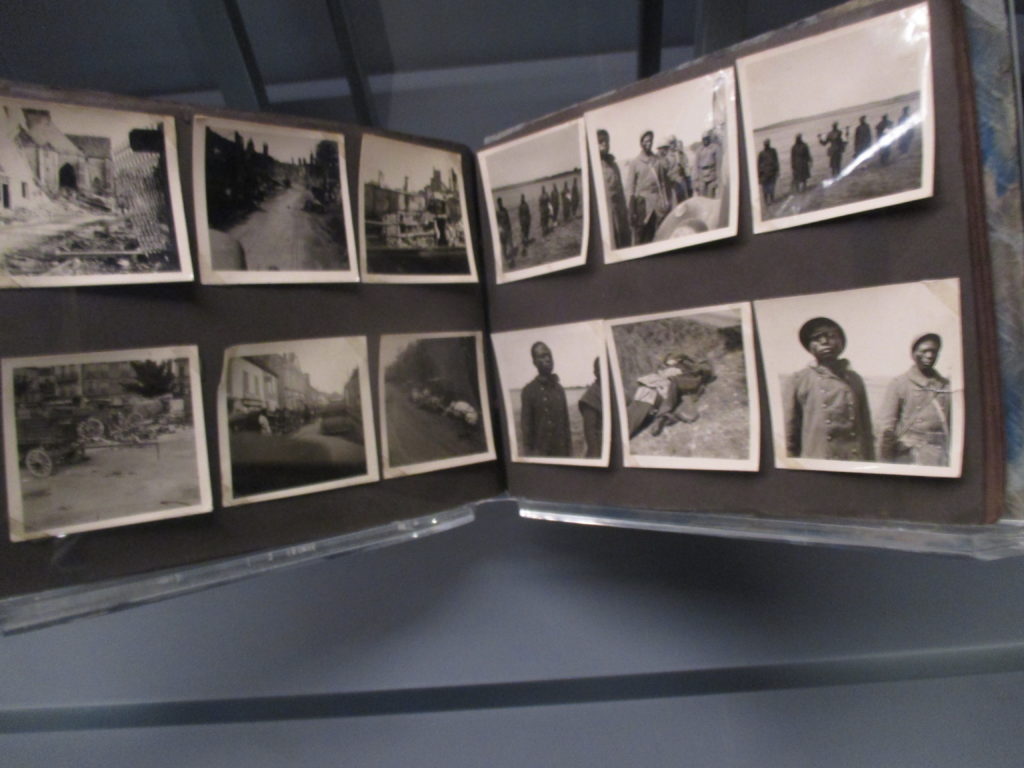
Evidemment la Birmanie et la Thaïlande ont été importantes pour l’Empire Britannique dans la Seconde Guerre mondiale mais l’essentiel des massacre s’est bien déroulé bien chez nous, en Europe avec au moins 30 millions de morts…. Mais sur l’Europe il n’y a … RIEN. Rien sur la guerre en Yougoslavie, rien sur la guerre en Grèce, la France est expédiée en 2 lignes, l’Union Soviétiques en 2 vitrines, la Pologne est réduite au crime de Katyn, évidemment crime soviétique. Les vitrines consacrées à Stalingrad, si elles montrent un uniforme de soldat soviétique et expliquent ce qu’est la décoration de Saint Goerges, elles reprennent néanmoins le mythe mensonger et éculé de la victoire soviétique obtenue uniquement grâce aux menaces de morts du KGB sur les soldats soviétique qui reculeraient devant l’ennemi. Même en Pologne on n’ose un tel anti-communisme primaire dans un musée officiel sur la guerre !
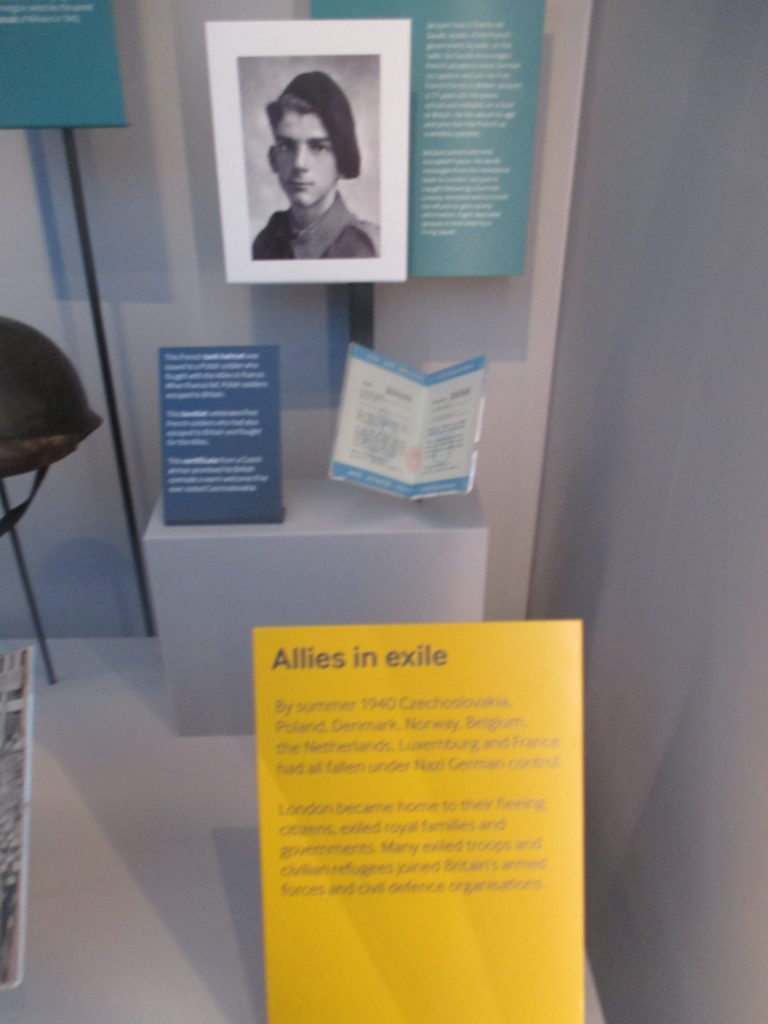
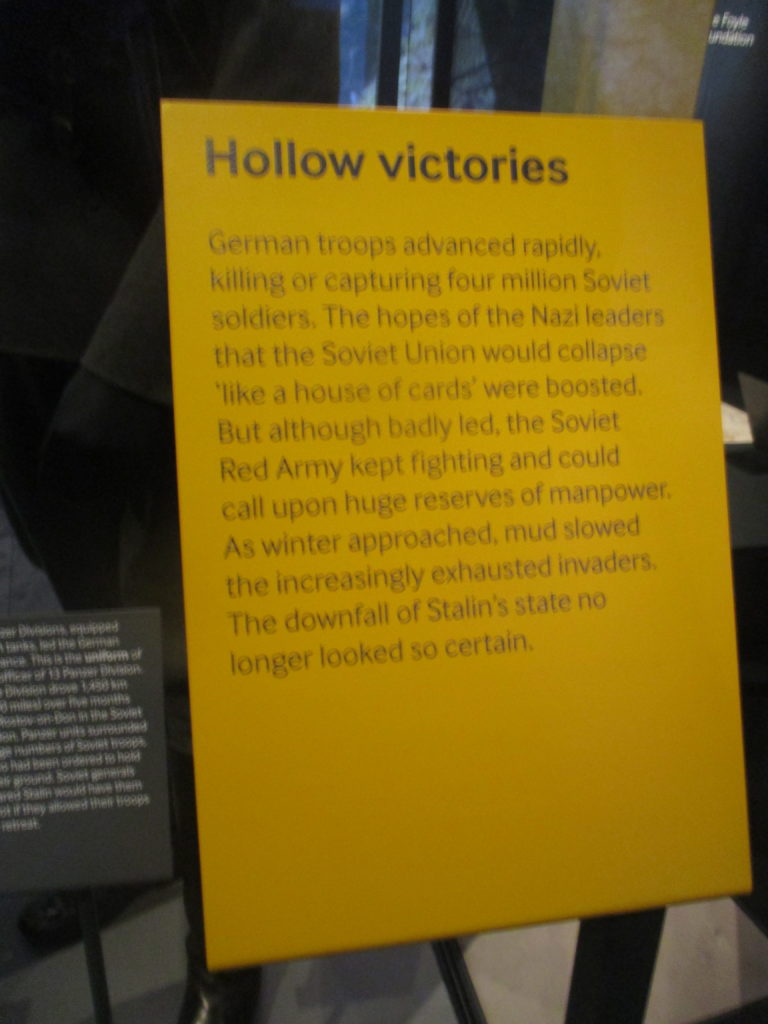
Dans ces conditions, je ne suis pas surprise de voir que la France Libre et la Résistance soient expédiées en 3 photos de personnages inconnus et secondaires et même que la vitrine consacrée au SOE soit minuscule et la seule agent du SOE présentée soit une Américaine, Virginia Hall !
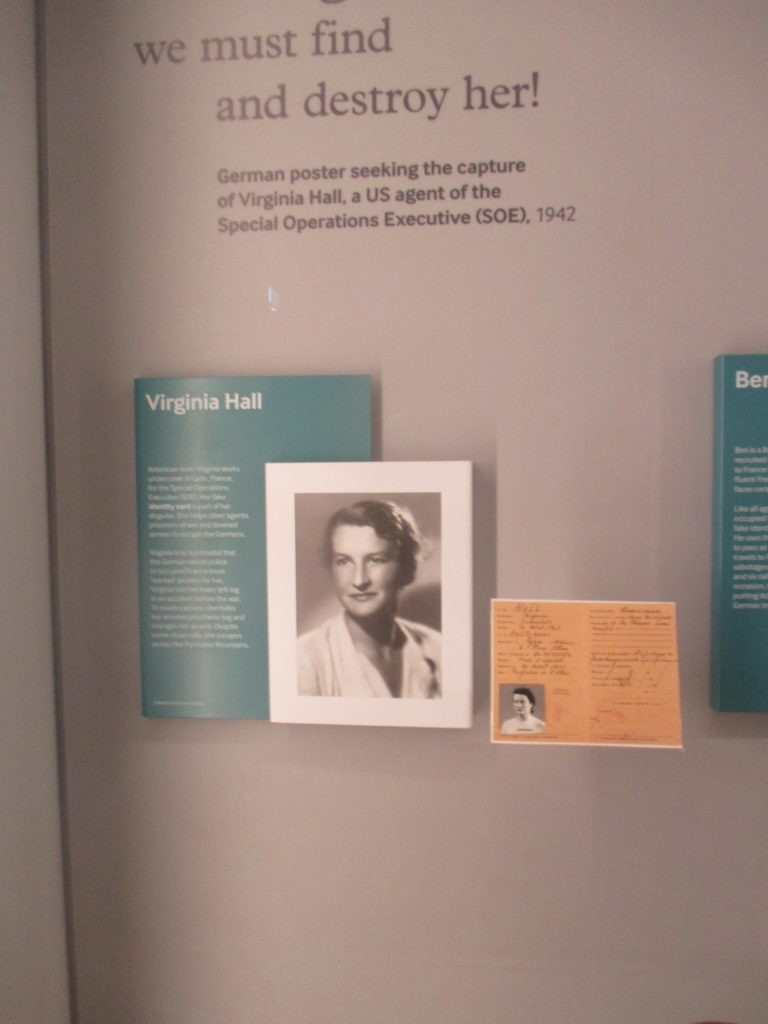
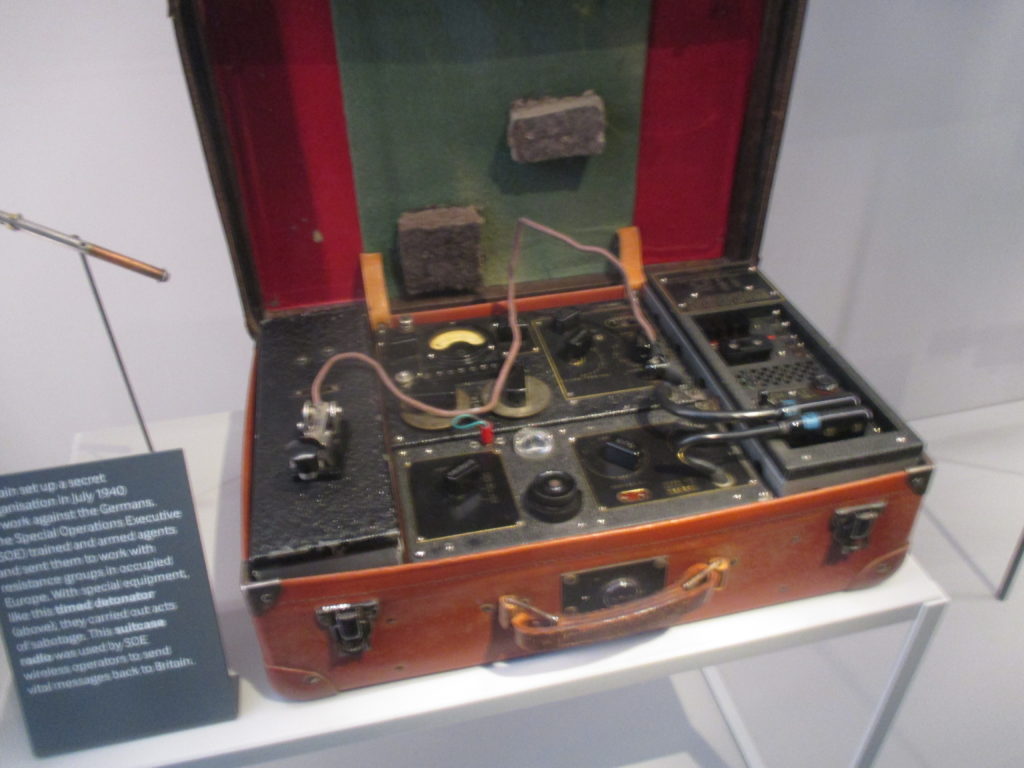
On n’apprend rien sur les principes, les actions, les hommes, les réseaux… Comme dans chaque bonne culture « woke » il n’y a aucune carte et aucune chronologie. Je ne suis pas surprise qu’un jeune visiteur ne comprenne finalement plus rien à toute cette histoire.
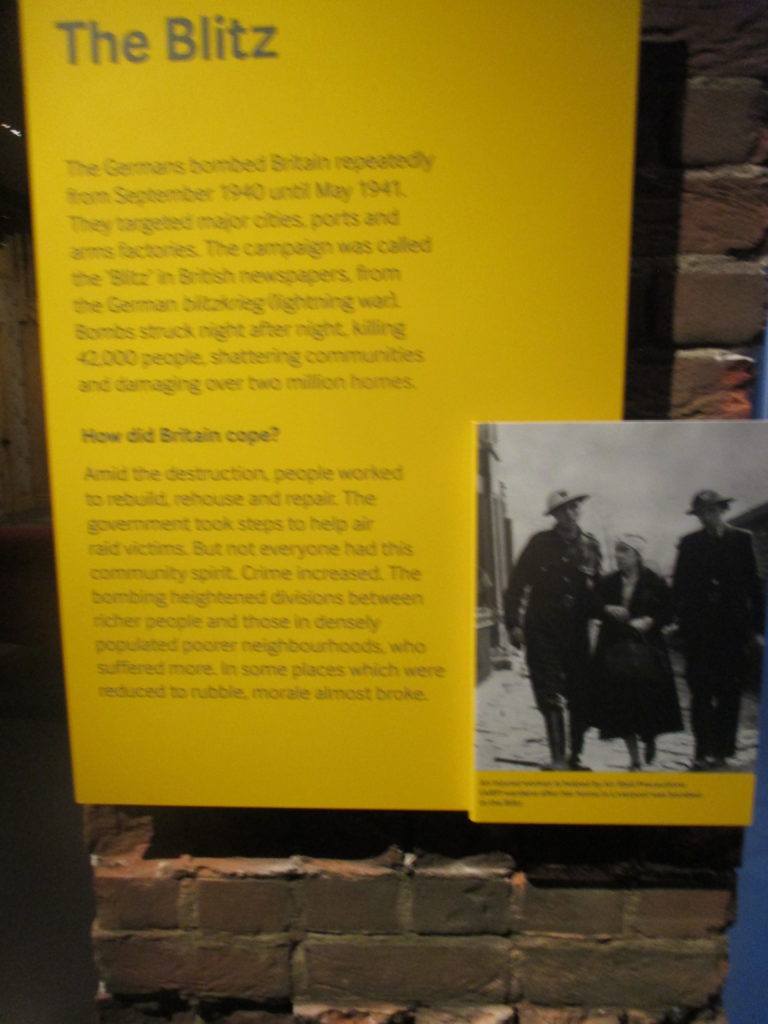
La résistance britannique au « Blitz » est un peu mieux traitée, mais uniquement sous un angle émotionnel avec des reproductions grandeur nature de maisons dans lesquelles on se promène en regardant les objets de la vie quotidienne, le rationnement , l’évacuation des enfants, les abris, tout en écoutant les bruits des bombes et les communiqués radios. Mais rien sur la politique ni sur les ressorts moraux de la résistance du peuple anglais. Donc rien qui permette de comprendre ni le nazisme ni la résistance anti-nazie. Pas de Churchill non plus, même ici. Pas un seul discours de Churchill à la BBC ni aux Communes…On ne comprend même pas qui dirige ce pays dans cette guerre !
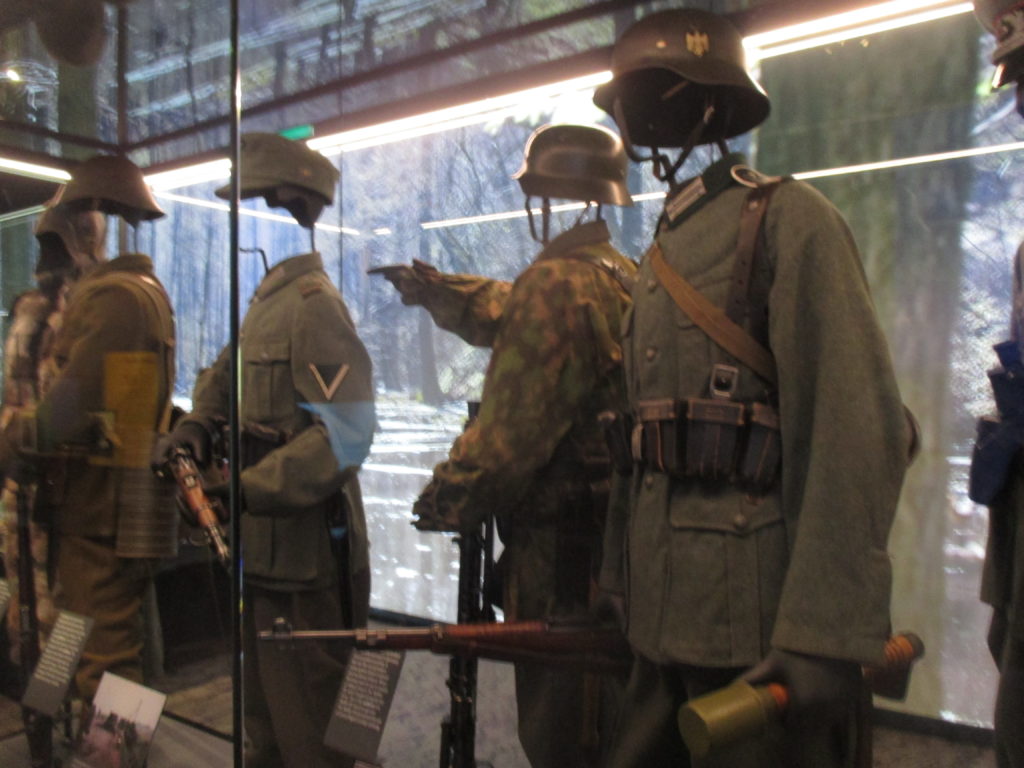
La part belle de la démonstration est faite aux… nazis. Nombreux uniformes allemands, grandes svastikas, armement nazis, ceinturons « Gott mit uns » que je regarde avec curiosité. L’Allemagne nazie écrase tellement la vue qu’on peine à se demander comment ils ont fait pour finir par la perdre, cette guerre. Mais si, on nous fournit la réponse : la guerre est « globale », et les « ressources » sont prépondérantes (la volonté des hommes et leurs convictions visiblement importent peu). Et on revient à l’importance « vitale » de « Burma » dans le conflit.
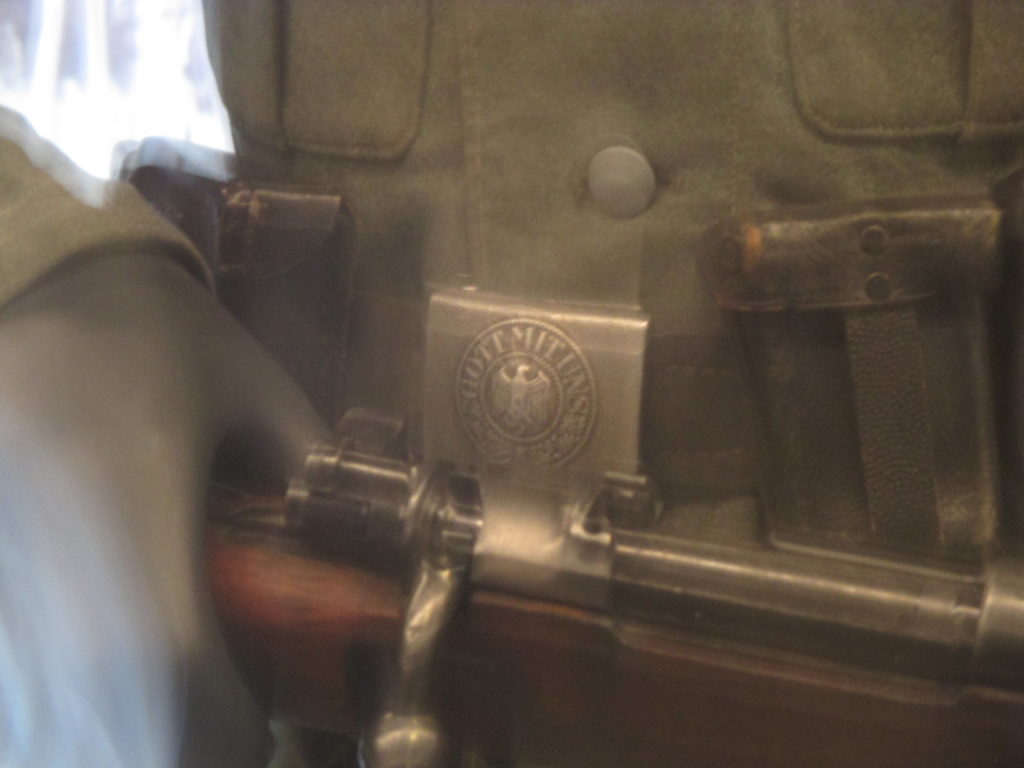
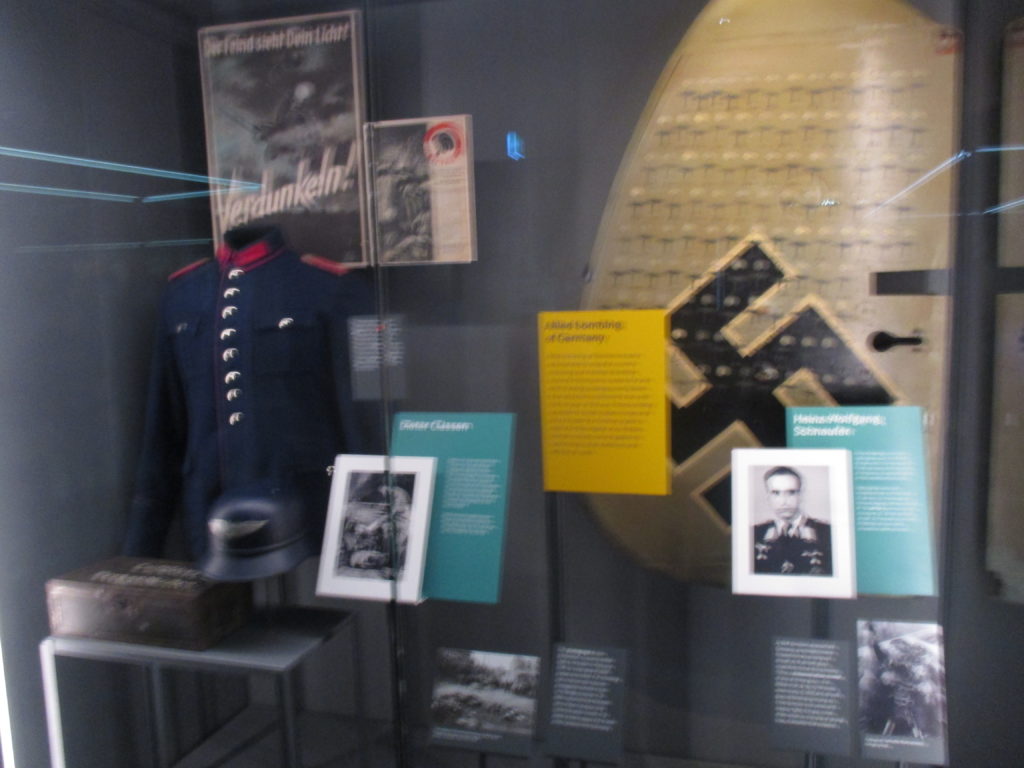
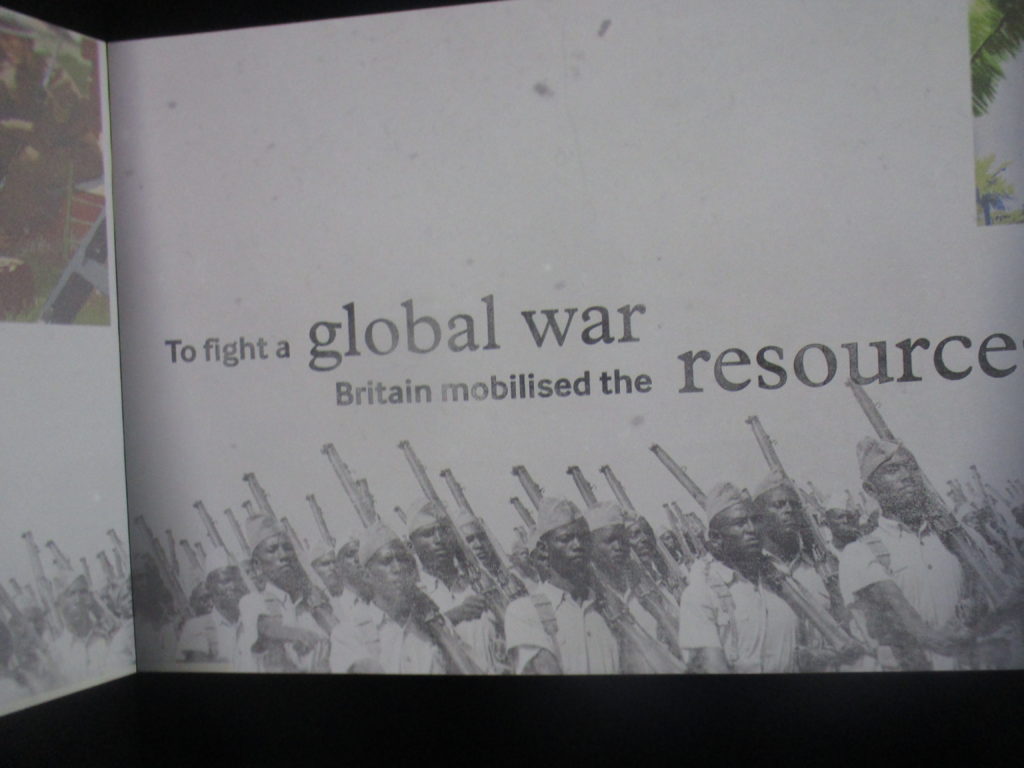
Une seule vitrine parait intéressante avec les uniforme des WAAF, les Womens Army Auxiliary Forces, avec des portraits de femmes qui les ont portés. Mais on n’apprend rien sur l’origine de la création de ce corps ni sur le rôle des femmes dans l’économie, rien non plus sur les FANY dont le rôle d’organisatrice date de la première guerre mondiale. On n’apprend donc par conséquent rien sur l’évolution de la condition féminine en Grande Bretagne et rien sur ce premier féminisme émancipateur pourtant décrit si bien par l’historienne britannique Sheila Jeffreys dans « The spinster and her enemies » (la célibataire et ses ennemis »). Un féminisme a-historique, sans chronologie, sans explications des origines ni des causes et des effets et assorti d’un anti-communisme et anti-soviétisme primitifs n’apportera jamais rien de bon aux femmes ni à la société.
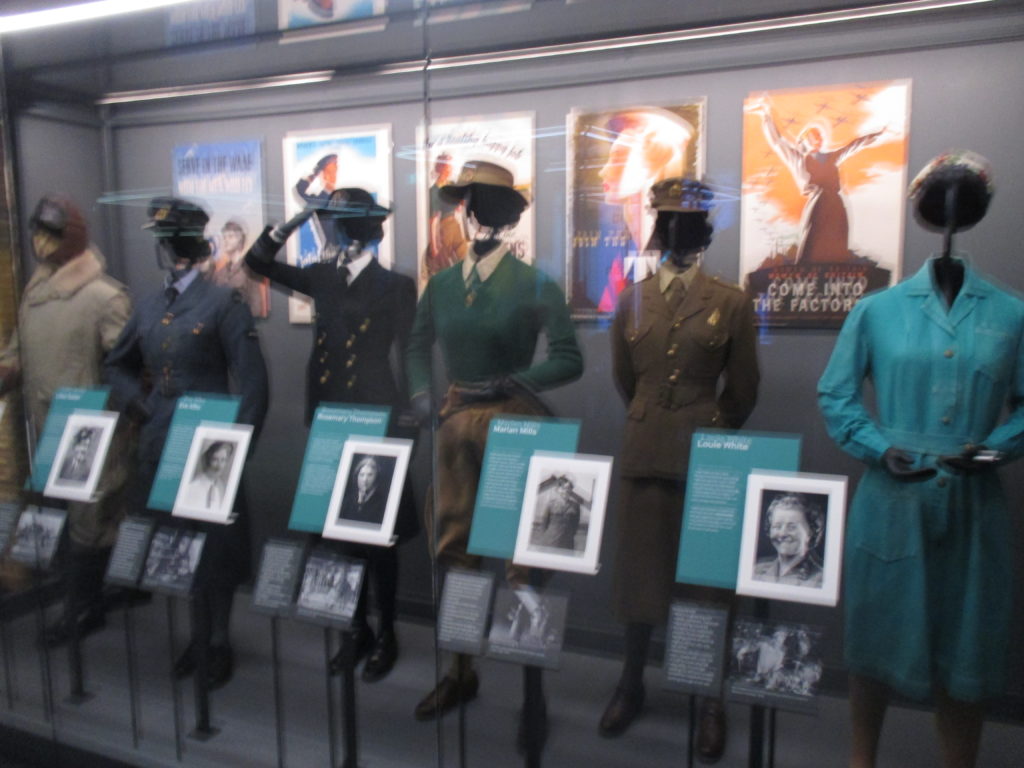
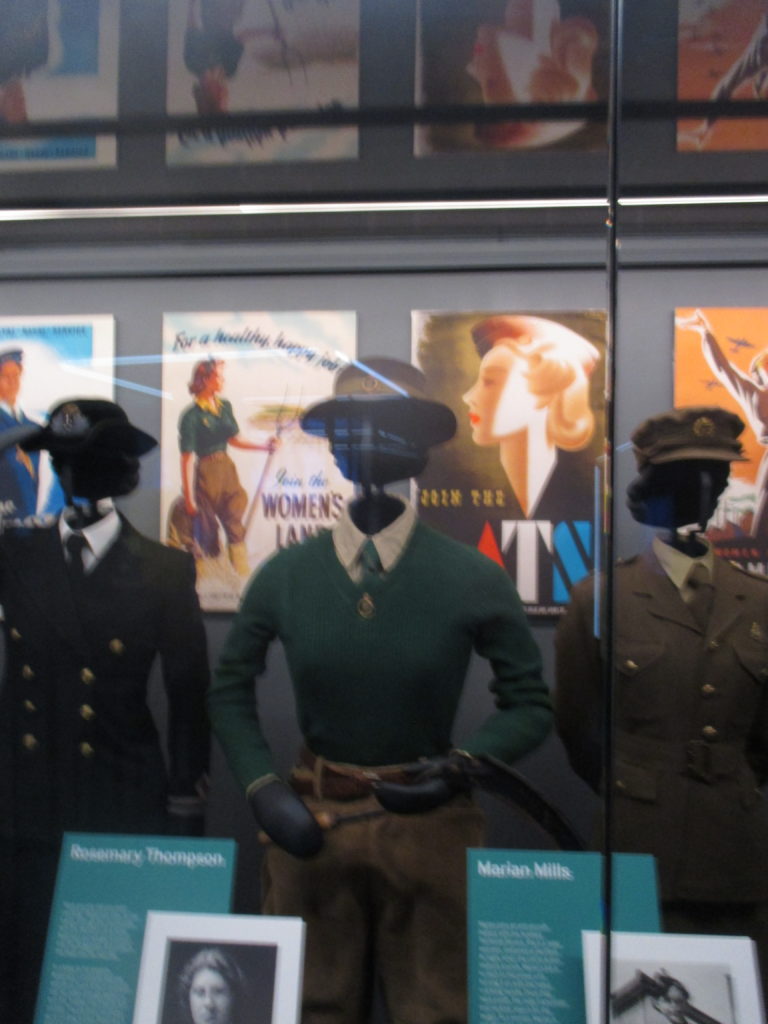
Avant de quitter les pièces, écoeurée par la propagande, j’enregistre mes petits films pour capter les bruits assourdissants et la mauvaise musique de film qui noient toute réflexion sous une émotion de terreur artificiellement générée. La plus mauvaise façon de composer une exposition historique, la palme de la manipulation !
Mais il y a pire ! J’ai le malheur de vouloir voir le deuxième étage intitulé « l’Holocauste ». J’y découvre que l’occupation des divers pays européens par le régime nazi est subsumée sous le terme « holocauste », terme qui pourtant ne fut inventé que dans les années 1980 pour qualifier l’extermination des populations juives d’Europe. Passe encore que je sois réticente à employer ce mot, celui de « Zaglada », « Extermination », a toujours été utilisé en Pologne Populaire sans que personne des survivants n’y trouve à redire. C’est ainsi que nous avons été minutieusement éduqués pendant 45 ans, de 1945 à 1989, dans une mémoire triste et soucieuse du « plus jamais cela ».
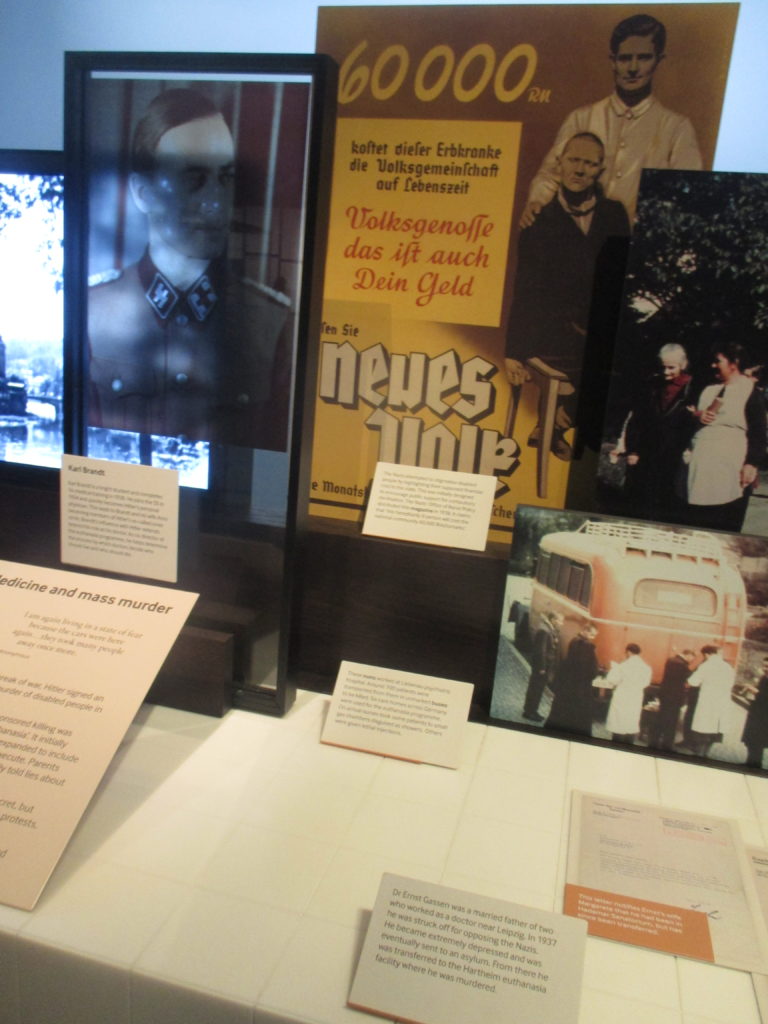
Mais ici, stupéfaite, je découvre que la reconstitution des villages familiers d’Europe de l’Est, des maisons en bois, des petites villes du sud de la Pologne, de l’Ukraine, de Biélorussie, de Slovaquie, des costumes paysans et des paysages de pins et de bouleaux, sert à gommer l’existence dans ces villages des populations slaves qui elles aussi ont subi exterminations et violences, les Slaves étant sur la liste de la mort juste après les Juifs. Des Juifs qui en réalité n’appartenaient pas à un « peuple à part » mais faisaient simplement partie des populations locales, vivaient enchassés dans les communautés d’Europe de l’Est dont ils ont partagé le lourd destin.
Dans cette exposition, aucune trace de l’enracinement des Juifs de l’Est dans leurs pays, aucune trace de leur nationalité, alors qu’ils étaient avant tout citoyens soviétiques, polonais, tchécoslovaques, hongrois! Je reste interdite devant l’ampleur de la manipulation qui consiste à gommer les Etats d’Europe de l’Est et la complexité du phénomène d’appartenance nationale et culturelle, tout simplement en imprimant sur ces millions de personnes l’étiquette « Juifs victimes de l’Holocauste ». Ainsi, on passe en sous silence leur culture particulière, fruit de croisement avec les cultures des pays de l’Est, en l’occurrence slave, puisque ce sont des villages polonais, ukrainiens, russes et biélorusses qui sont exposés ici.
Et comme l’exposition aussi PASSE SOUS SILENCE l’existence des Slaves et leur martyre, les maitres storytellers du lieu pratiquent la SUBSISTUTION : aux paysans slaves indésirables sont substitués des Juifs mythifiés, arrachés à leurs racines et tout prêts à constituer la … catégorie de « Juifs » ! Il faut dire que les victimes sont mortes, elles ne peuvent se défendre ni témoigner de leurs cultures et de leur identités!
Quant à des visiteurs slaves comme moi, en ces temps d’anti-communisme, d’anti-soviétisme et de russophobie, bien peu oseront protester devant la liquidation de la mémoire des victimes « non-juives » des nazis. Ainsi ces millions de victimes, ces 6 millions de Polonais, 20 millions de Soviétiques sont ainsi passés à la trappe. Les jeunes visiteurs, impressionnés par les affiches, l’ambiance sombre et glauque, la musique stridente, bien plus que par les explications trop succintes de la mécanique raciste nazie, ne sauront même pas que Hitler a bien tué des Russes! Il faut dire qu’il s’agit de maintenir la fiction que c’est Staline qui a commencé et qu’il est responsable de la guerre !
D’ailleurs, je remarque qu’il n’y a aucune donnée chiffrée, aucune donnée démographique, aucune carte non plus. Déjà que les gens sont nuls en géographie, en l’absence de la moindre carte de l’Europe il n’y a aucune chance qu’ils comprennent ce que fut l’occupation nazie en Europe de l’Est, et pas davantage à l’Ouest.
L’Histoire de toutes les populations juives européennes étant subsumée dans le destin du ghetto de Varsovie (aucune indication évidemment pour préciser que le ghetto est une invention nazie, que l’enfermement des Juifs n’existait pas le 31 août 1939 à Varsovie), le visiteur ne comprendra rien du drame particulier des populations désignées comme juives en Belgique, Pays Bas, France, et qui furent dans le cas de la France livrés par des nazis collaborateurs locaux.
Aucune chance non plus d’apprendre comment les survivants ont eu la vie sauve uniquement grâce aux réseaux de Résistance locale. Car il s’agit de taire ou de nier (sciemment ?) la Résistance des pays de l’Est. Aucun chiffre d’assassinés ni de survivants, rien sur les Résistances d’Europe occidentale non plus.
Je suis révoltée en quittant cet étage, tellement la débauche de moyens jouant sur l’émotion sert un discours dangereux et mensonger. Je me mets en quête d’un « livre d’or » pour y écrire mes remarques outrées. Mais les organisateurs ont prévu le coup : il n’y en a pas ! Impossible de donner son opinion à chaud. Il faut, comme d’usage dans notre monde « dématérialisé » écrire un mail que certainement personne ne lira.
Tant pis pour eux : ils obtiendront mon article et liront tout le mal que je pense de leur propagande anti-communiste et anti-russe, une certaine forme de racisme puisqu’ils veulent supprimer jusqu’au souvenir des villages de mes grands-parents, de la culture paysanne de Pologne, d’Ukraine ou de Biélorussie.
Il n’y a rien évidemment, pas un mot, sur les collaborateurs ukrainiens des nazis, OUN UPA, pas de trace de Stepan Bandera, Dimitri Klatschkowski ou Dimitri Shuchiewytsch. Le massacre de Baby Yar est perpétré par des « collaborateurs locaux » euphémisés, et le massacre des Polonais de Wolyn par les bandéristes du 11 juillet jusqu’à fin septembre 1943 n’existe tout simplement pas.
Vite, de l’air. Je préfère me retrouver dehors assise sous les arbres sur la pelouse à contempler les tulipes et appeler mes amis pour leur déverser au téléphone ma rancoeur. Quelle tristesse !
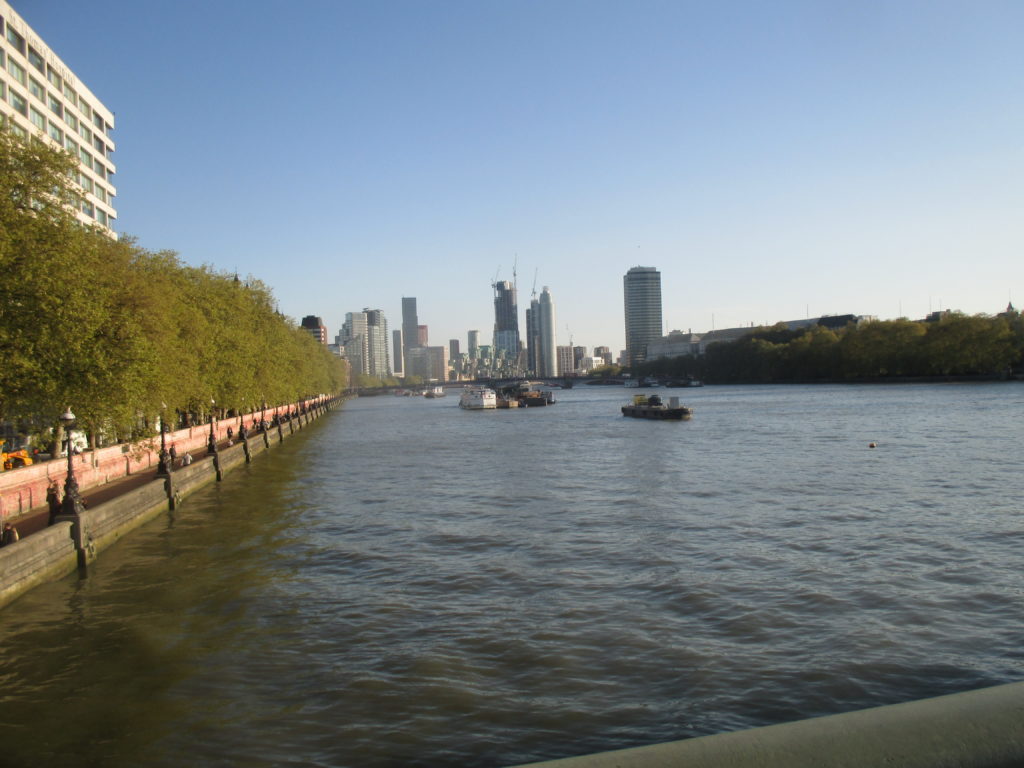
Je me promène dans le quartier avant de traverser la Tamise et revenir à Paddington. Au moins la beauté du printemps me console de la bêtise des hommes.
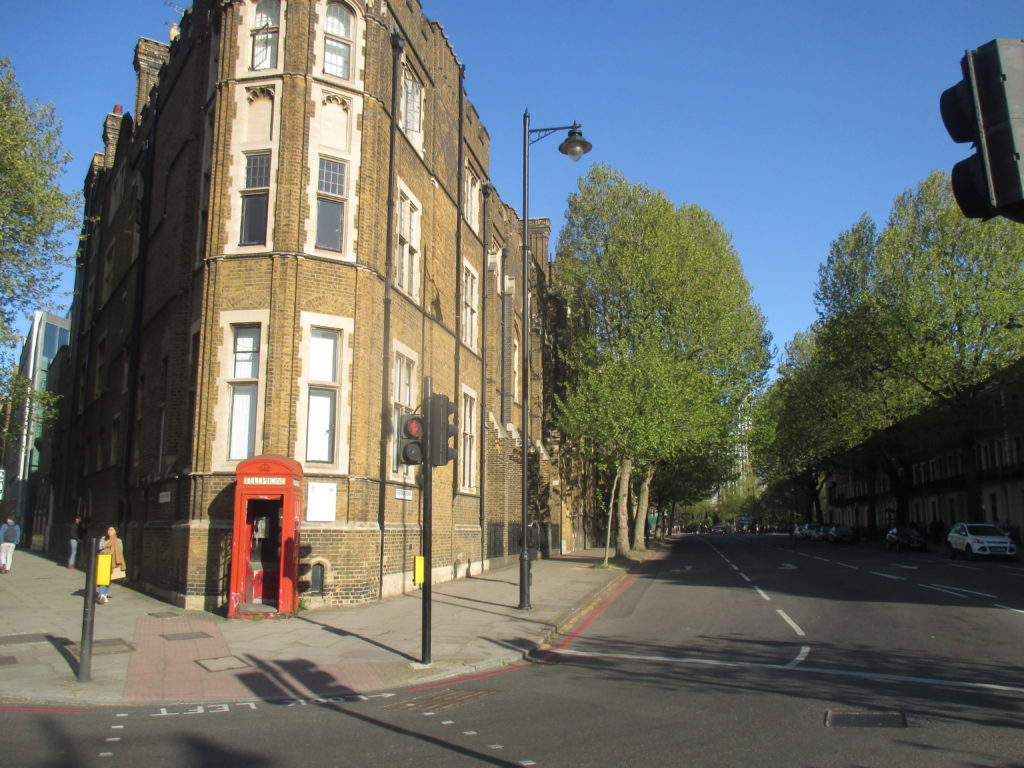
La Fondation Gerry Holsworth Charitable Trust
Le lendemain je suis contrainte de changer d’hôtel pour un lieu moins cher situé dans les pavillons du quartier de Chelsea. La déception de l’Imperial War Museum a été immense. Je décide d ‘aller chercher des informations à la source sur la Seconde Guerre Mondiale à la Fondation Gerry Holdworth Charitable Trust.
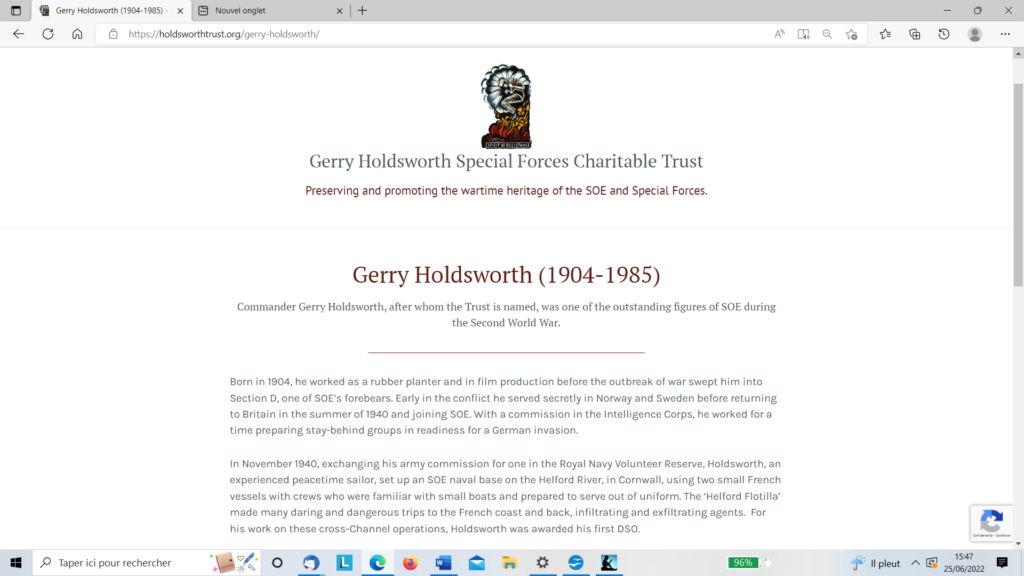
En effet, fin mars j’avais trouvé en cherchant des informations sur la vie de Sir Francis Brooks Richards sa biographie sur le site de la fondation Gerry Holdworth Special Forces Charitable Trust[1].
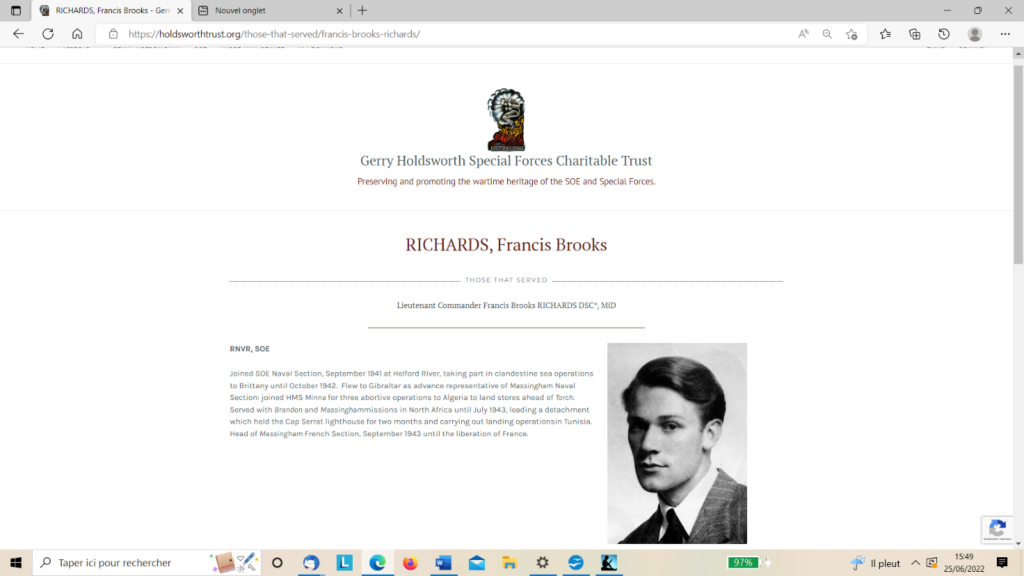
La fondation a pour objectif de perpétuer la mémoire du Special Operations Executive et des exploits de ses héros, de financer des recherches et des expositions dans les musées de Grande Bretagne. C’est sur ce site que j’ai trouvé le beau symbole du SOE, le petit parachutiste triste au-dessus d’une ville en flammes sous-titré « Spirit of Resistance ». J’ai lu avec profit les intéressantes notices biographiques de quelques héros et héroïnes du SOE, dont Gerry Holdworth, le chef de Brooks Richards à la tête de la flottille de bateaux clandestins faisant la liaison entre l’Angleterre et la Bretagne pour transporter le courrier, les armes, les agents, évacuer des aviateurs évadés, des résistants français – ces exploits que Francis Brooks Richards décrit avec tant de sensibilité dans son livre « Flotilles secrètes ».
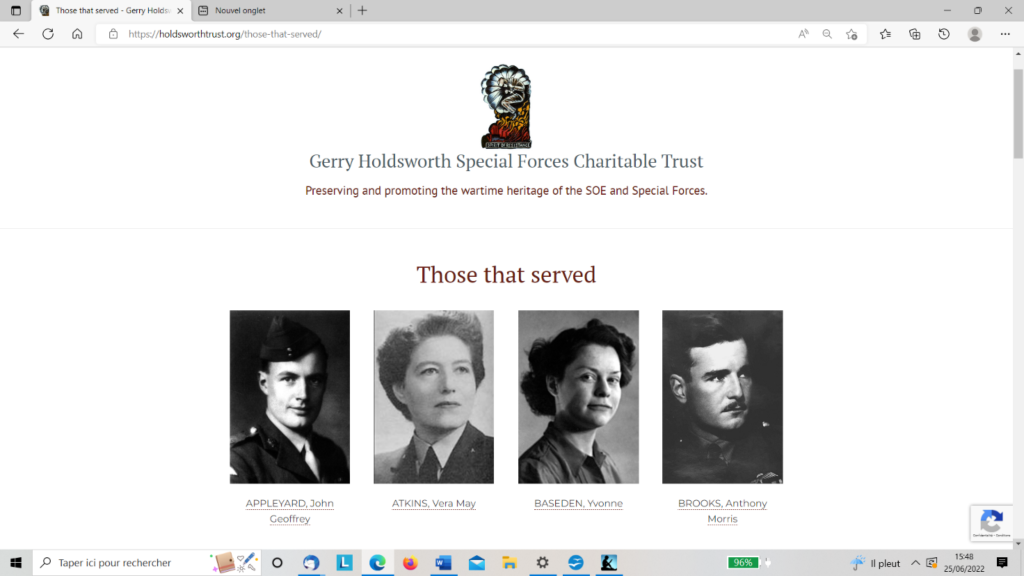
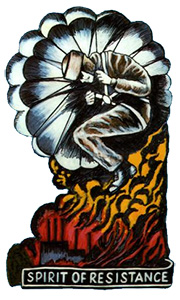
J’ai été si contente de trouver un lieu de recherche et de mémoire consacré au SOE à Londres que j’ai envoyé un mail avec ma demande de rendez-vous pour obtenir plus amples informations sur la vie et la carrière diplomatique après-guerre Sir Brooks Richards – il fut en effet en poste en France dans l’immédiat après-guerre et dans les années 60, donc chaque fois que les vrais gaullistes furent au pouvoir. Nul doute qu’il fut très précieux pour ces relations car il était un ami de la France et un camarade de guerre de nombreux Résistants français, dont du docteur Rosenscher qu’il forma et accompagna au « Special Detachement » lors de la prise du Cap Ferrat en Tunisie.

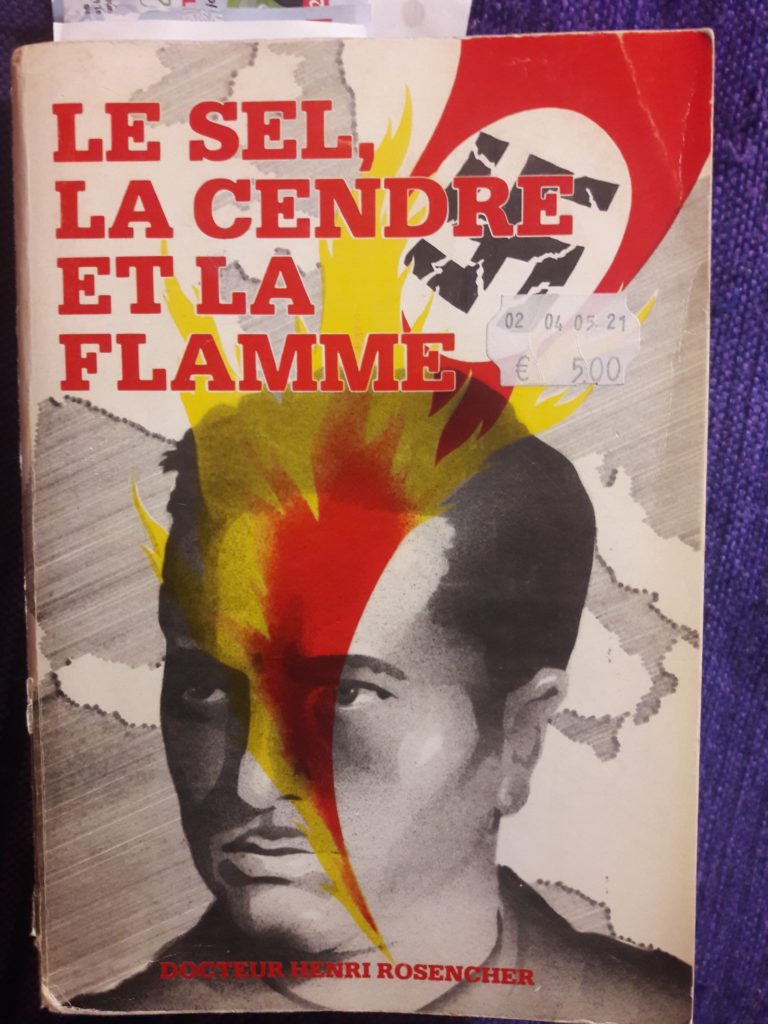
Je n’avais hélas pas obtenu de réponse à mon message, mais je retrouvais sans problème l’adresse de leurs bureaux. Ma déjà vieille habitude de recherche sur les différentes structures qui s’activent autour de l’affaire de Julian Assange m’a fait très facilement trouver quelques documents financier de la fondation contenant son adresse postale : 8 Herbert Crescent à Knightsbridge. Je résolus d’y aller le vendredi 22 avril.
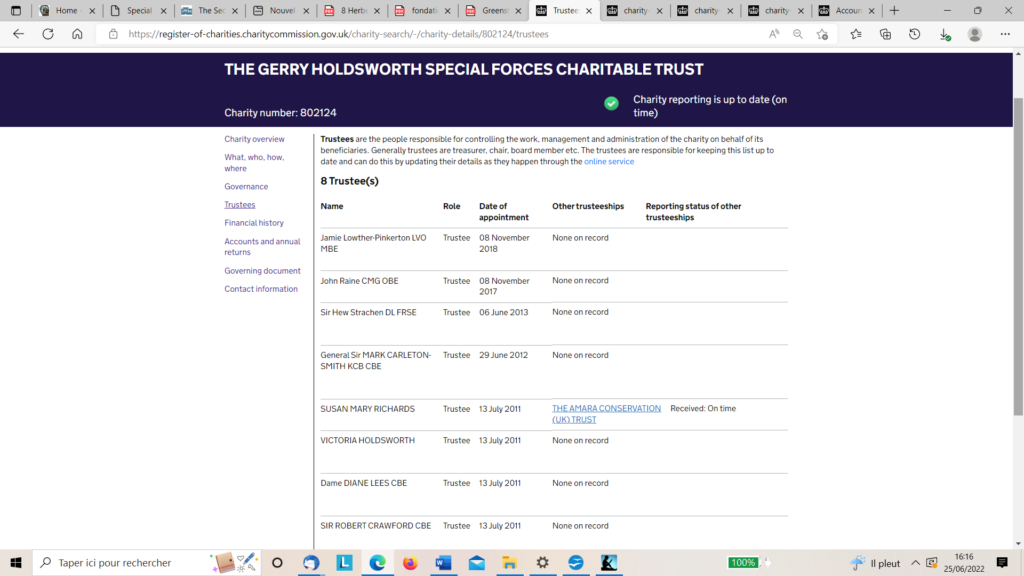
En examinant la liste des administrateurs de la fondation, je découvre Susan Mary Richards que la fiche Wikipedia[2] crédite d’être la fille de Francis Brooks Richards[3]. Je suis un peu surprise, les rares articles qui sont surtout des présentation de son livre ou des hommages au moment de sa mort en 2002 ne parle que d’un fils, lui aussi diplomate[4] , ancien gouverneur de Gibraltar.[5]
Mais je suis très déçue lorsque je me rends compte que Susan Mary Richards publie des livres anti-poutiniens sur la Russie, livres encensés sur des sites visiblement de révolutions de couleurs antirusse[6]. Puis je découvre qu’elle est une fondatrice du site Open Democracy, organisation sorosiste bien connue, dont les articles ont toujours reflété l’orientation pro occidental et anti-souverainiste masquée par une idéologie droits-de-l’hommiste larmoyante typique des années 90.

Je me souviens aussi que Renata Avila, une des collaboratrice douteuse de Wikileaks, qui s’est toujours répandue dans les médias sans jamais venir à la Westminster Court soutenir Assange fut une salariée de Open Democracy. Nous ne sommes pas surpris que dans leurs récits larmoyants sur l’Ukraine aujourd’hui publiés sur le site de Open Democracy, les rédacteurs ne mentionnent jamais le bandérisme de Kiev, les bataillons Azov et Aidar, les bombardements du Donbass par l’armée kievienne ni le crime d’Odessa du 2 mai 2014.

Open Democracy est sans surprise actif dans l’idéologie du changement climatique, hostile à Poutine, Orban, Trump et tout leader un peu souverainiste. Boris Johnson y est mis sur le grill non pas pour son soutien à la détestable intervention en Ukraine, mais au contraire pour sa politique très raisonnable de résistance à la dictature covidienne. Bref, Open Democracy est le mondialiste davosien militant dissimulé sous des voiles de gauche. Je suis particulièrement contrariée de découvrir la prétendue fille du héros de la guerre anti-nazi dans cet d’entourage.

Mais y est-elle vraiment ? Il n’y a pas beaucoup d’informations officielles sur « Susan Mary Richards » alors que son frère diplomate à la retraite a un CV bien plus fourni et cohérent. Elle est surtout mentionnée dans des sites de médias et en compagnie de son mari, un producteur de cinéma dans les rubriques « célébrités ».[7] La publicité sorosiste pour ses livres sur la Russie en « transition » semble aller parfaitement dans le sens du système, c’est-à-dire qu’elle présente la thèse d’un nécessaire apitoiement sur une Russie ensauvagée que l’Occident a le devoir de civiliser[8].

Sur ces sites la photo d’une femme blonde d’une 60taine d’année a bien vaguement un rare de ressemblance avec le visage doux et mélancolique de Sir Francis Brooks Richards, mais j’ai appris à me méfier de tout ce qui ressemble à un storytelling médiatique de fondations officielles.

Le parcours de Susan Richards semble trop lisse tout en étant un peu vide. La fille d’un héros de guerre, figure du SOE, ami de Churchill, francophile et gaulliste peut-elle être non francophone, engagée toute sa vie dans le démolissage méthodique de la Russie souveraine, une collaboratrice de structure médiatique et financière de la mondialisation moderne ?
Déjà les sites internet se contredisent en ce qui concerne ses études. Selon l’un elle est diplômée d’histoire médiévale, selon l’autre elle est titulaire d’un doctorat sur Soljenicine.
En outre, il y a un problème avec sa date de naissance. Sa date de naissance serait 1962 alors que le fils de Sir Francis Brooks Richards, Francis Richards Junior, est né en 1945, alors que son père est mort il y a 20 ans en 2002. Sa fille peut-elle être née presque 20 ans après son frère ? Improbable. Sir Francis Brooks Richards était mariée à une jeune fille de son âge en 1941, Hazel Williams, d’ailleurs également engagée dans la lutte dans le SOE. A l’époque on n’attendait pas 20 ans pour se décider à avoir un second enfant. D’ailleurs, Sir Francis semble être restée toute sa vie avec son épouse, qui décède en 2000 juste avant lui.

Par ailleurs, si Susan Mary Richards était la fille de Sir Francis Brooks Richards et que sa date de naissance est 1962, elle devrait être née à Paris ou Sir Francis Brooks Richards était en mission diplomatique de 1959 à 1964.
Pour avoir des informations plus réelles sur Susan Mary Richards j’examine les entreprises enregistrées à son nom sur le registre des entreprises britanniques. Elle gère l’entreprise « Russia and Beyond limited » qui lui permet de publier ses récits anti-poutiniens et pro kiéviens sur le site « Rights in Russia »[9]. Cette entreprise peut servir de couverture au site médiatique anti-russe.
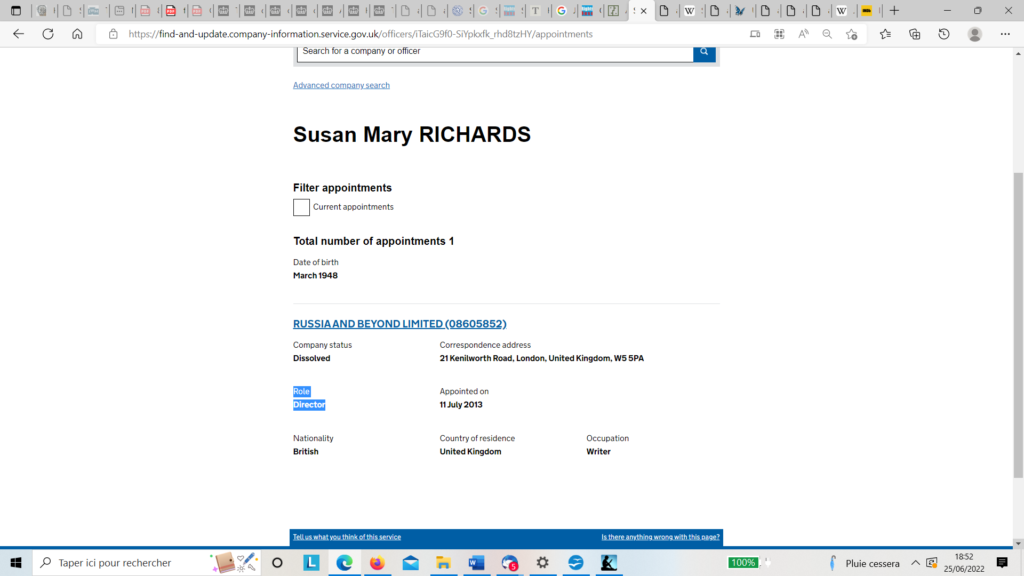
Encore que l’entreprise, crée en 2013 et administrée par Susan Richards, Felicity Cave, Jeremy Noble et Oliver James Caroll n’a qu’une durée de vie éphémère, elle est dissoute dès 2014. Mais 2013 est l’année du Maidan et 2014 l’année du début de la guerre contre le Donbass. La structure a bien servi de couverture à quelques actions. Felicity Cave n’existe que sur le site de Open Democracy et elle est est un « ancien officier de l’armée britannique ».[10] On remarquera aussi qu’il n’y a aucune photo de cette personne.


Find and update company information – GOV.UK (company-information.service.gov.uk)
Felicity Cave gère cependant d’autres officines qui œuvrent dans le renseignement militaire et géopolitique contre la Russie, notamment le Britain-Russia Center and the East West Center (le Centre russo-britannique et le centre Est Ouest »).


On est vraiment dans l’univers des couvertures d’agences de renseignements antirusses et pas du tout dans le domaine du journalisme, de l’édition ou de la recherche honnête. La cheffe de cette officine est la Baronne Shirley Williams of Crosby, une parlementaire et ministre travailliste pro européenne à la très longue carrière politique, décédée en 2021. On revient toujours vers l’etablishement qui gère la politique par le biais de ces structures opaques[11].
Shirley Williams, Lib Dem peer and SDP founder, dies aged 90 | Shirley Williams | The Guardian

Le deuxième acolyte de Susan Mary Richards à « Russia Beyond limited » est Jeremy Mark Noble, un acteur, réalisateur et journaliste de son âge, traducteur du russe et collaborateur culturel avec les milieux de l’intelligentsia pro occidentale russe. En effet, il n’est jamais allé en Union Soviétique et travaille en Russie depuis les années 1990. Il a notamment écrit un livre de dialogue avec le pseudo opposant russe adoubée par l’Occident Alexei Navalny et le journaliste stipendié par la CIA polonais Adam Michnik. Tout un programme ![12]
De plus la page wikipedia consacrée à Jeremy Noble renvoie sur le propre site de l’oligarque traitre Michail Khodorkovski sous le titre « alléchant » suivant:
“Russian propaganda is sexually transmitted” (khodorkovsky.com)
Un vrai CV de CIA!
Opposing Forces by Alexei Navalny (goodreads.com)


Evidemment, comme chez tous Occidental anti-poutinien, il ne peut manquer de film sur les espions : le sien s’intitule « l’âme d’un espion », « Dusza Spiona » ![13]

Il y a peu d’informations sur le quatrième gérant, James Oliver Carroll, en théorie journaliste au « The economist », mais aucun article n’apparait avec son nom seul, les quelques articles répertoriés sont toujours une oeuvre collective avec d’autres.[14]
Curieusement, la fiche de « Russia Beyond Limited » mentionne que Susan Mary Richards est née en 1948, en contradiction avec d’autres sites[15].
Par ailleurs, Susan Mary Richards est gérante (trustee) d’une fondation « The Amara Conservation Trust » active au Kenya, pays membre du Commonwealth ou Julian Assange apparait pour la première fois médiatiquement au Forum Social Mondial de 2007 et ou «Wikileaks » s’immisce dans la politique kenyane à cette date.

Selon son site internet la fondation a pour objectif la préservation de la faune sauvage du Kenya par la promotion de l’écotourisme, des énergies renouvelables et l’éducation à la protection de l’environnement. Susan Richards y apparait comme « Non executive director founder of Open Democracy», elle assume donc sa position de collaboratrice des réseaux sorosistes. Cependant, la structure n’a pas déposé de document annuels requis au « Charity Register », il est difficile d’estimer si les images alléchantes du site internet correspondent à une réalité de sommes d’argent dépensée[16]. Les dirigeantes de la structures sont Heidi et Lori Bergemann, sur lesquelles il est impossible cependant de trouver d’autres informations qu’un communiqué de presse de la fondation et des pages facebook à peu près vides[17].


Fait intéressant, le véritable décideur dans la structure semble être Christian DelValle, un Français gérant de Mirova-Althélia Ecogroupe, un fond d’investissement « dans le capital naturel » propriété du géant bancaire Natixis ! « Investissement dans le capital naturel » veut dire simplement privatisation du vivant, des terres et mers, de l’agriculture et aussi, et non accessoirement, de l’ADN des êtres qui peuplent la planètes, humains et non humains. Amara Conservation Trust apparait comme une tête de pont du capitalisme français accapareur de terres et de ressources en Afrique, loin d’être une innocente ONG de préservation des éléphants ! Le « Greenwashing » est en marche ![18]
Acquisition de Althelia Ecosphère | Natixis Investment Managers
Christian DelValle fut en plus le Directeur du Département Environnement, Marché et Forêts de BNP Paribas, il est donc représentatif des structures les plus impérialistes du capitalisme mondialisée de l’oligarchie française , d’autant plus qu’il fut aussi un pionier de la mise en place du « marché carbone », système de « droit à polluer » instauré par les accords internationaux de « lutte contre le réchauffement climatique »! Tout un programme également ![19]

Parmi les administrateurs de « Open Democracy » nous retrouvons à côté de Susan Mary Richards Elaine Potter, gérante de l’organisation pendant 10 ans, de 2010 à 2021[20]. Les deux femmes entrent dans le conseil d’administration de cette structure le même jour, le 19 août 2010 (en plein dans les publications de Wikileaks et les débuts de la célébrité de Julian Assange) et partent ensemble en 2021. Elles font partie de la même équipe de direction.



Or, Elaine Potter est également la fondatrice avec son mari de la puissante fondation Elaine and David Potter Foundation[21]. David Potter est un oligarque sud-africain de l’informatique. Sa femme Elaine, qui se prétend une journaliste connue dans son pays, a également fondé le Center for Investigative Journalism, The Bureau of Investigative Journalism et the Trust of the Bureau of Investigative Journalism. Ces structures prétendent avoir financé le projet « Julian Assange et Wikileaks » et ce sont les membres de ces organisations (salariés, stagiaires et bénéficiaires) qui sont justement ceux que je croise en permanence dans les différentes « cours de justice » en tant que spectateurs privilégiés du « spectacle Assange »[22].
Elaine Potter a été une directrice du Center For Investigative Journalism de 2007 à 2016.



C’est en tant que directrice de cette organisation qu’Elaine Potter a financé avec le premier mentor et guide de Julian Assange, Gavin MacFadyen[23]. Nous menons notre recherche au sujet du rôle du CIJ et de Gavin MacFadyen depuis deux ans déjà. Les événements violents de la dictature covidienne ont retardé la publications de nos résultats mais une partie est présentée dans le chapitre suivant.
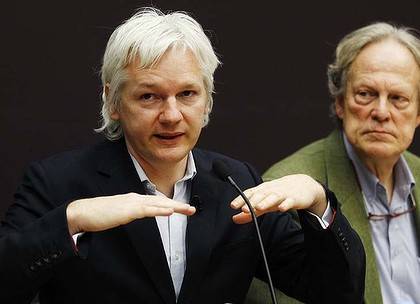

Ici retenons seulement que Elaine et David Potter ont été les fondateurs, les gérants et les financeurs du « Trust of Bureau of the Investigative Journalism » aux côtés des « avocats » fictifs de Julian Assange Geoffrey Robertson et Jennifer Robinson.[24]
Quant à son organisation sœur, le Center for Investigative Journalism, il a aussi été dirigé par Andy Müller Maghun, le dirigeant allemand réel de Wikileaks en tant que projet N°4 de la Fondation allemande Wau Holland.[25] Andy Müller Maghun s’est toujours présenté comme un « ami » de Julian Assange, pourtant nous pouvons attester qu’il n’a jamais été présent à aucune des rencontres-poursuites contre Julian Assange, alors même qu’en tant que responsable du projet « Wikileaks » devant les autorités allemandes, il est en réalité celui qui devrait assumer les conséquences juridiques des publications au lieu et à la place de son stagiaire non rémunéré, Assange.
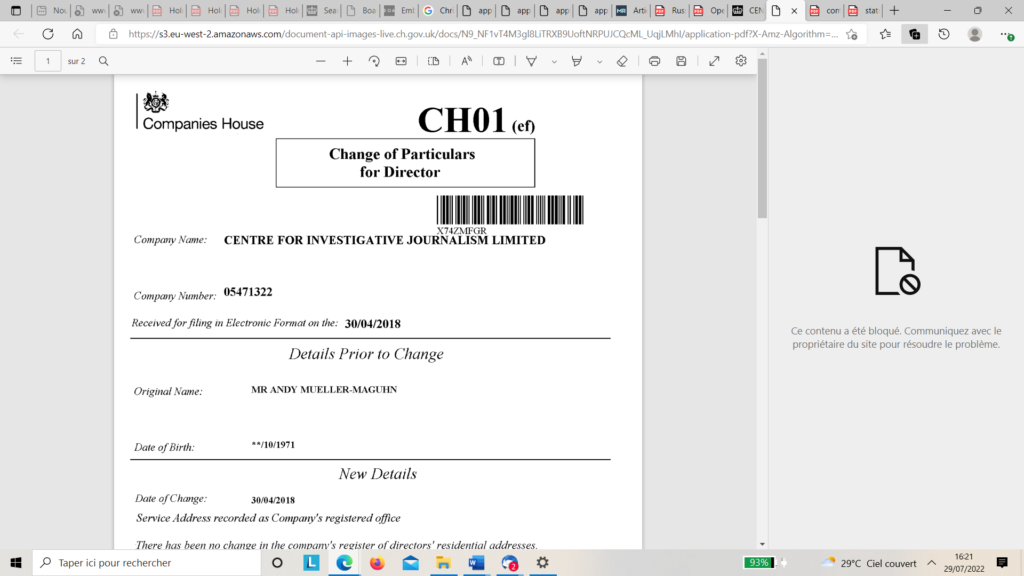
Parmi les administrateurs de la structure « pour la liberté du journalisme d’investigation » nous retrouvons Briam Basham[26], Simon Albury, Christopher Hird et Michael Langley.

Nous avons effectué une première recherche sur ces personnes et ces structures qui s’emboitent les unes dans les autres en toute opacité, à l’automne 2020 pour la plainte internationale de Wikijustice.
Nous avons poursuivi notre analyse qui est présentée dans le chapitre suivant.
Les Spin Doctors de la City, le CIJ et Julian Assange – extraits de la première plainte internationale de Wikijustice Julian Assange, décembre 2020 :



[1]Home – Gerry Holdsworth Special Forces Charitable Trust (holdsworthtrust.org)
[2] Brooks Richards — Wikipédia (wikipedia.org)
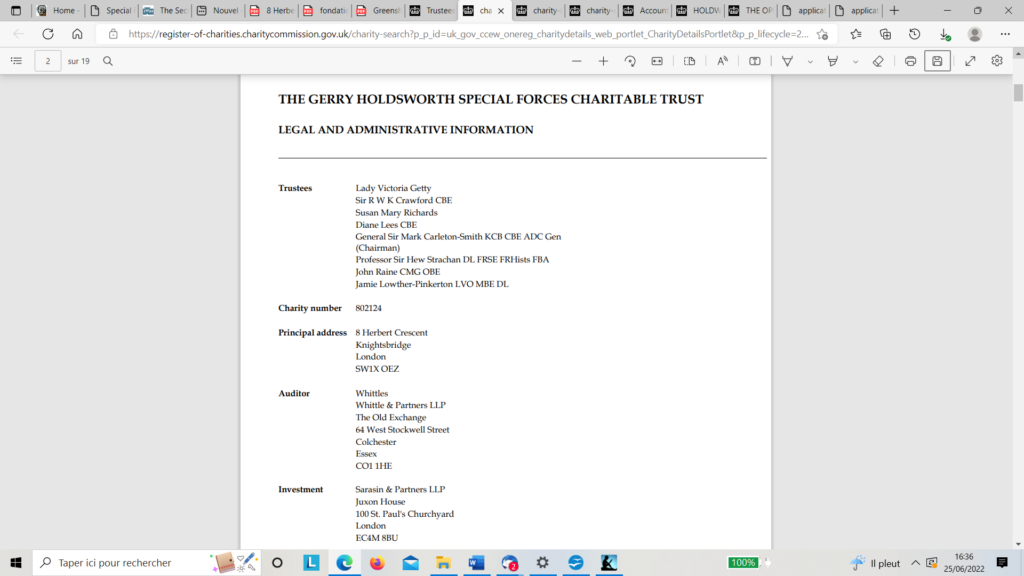
[4] Francis Richards (diplomat) – Wikipedia
[5] Sir Francis Richards[5]: oration (bath.ac.uk) ;
[6] Susan Richards – Rights in Russia .
[7] Susan Mary Richards: Who Is Roger Graef’s Wife? – ABTC
[8] Author | Susan Richards (otherpress.com)
[9] Our Constitution – Rights in Russia
[10] . Felicity Cave | openDemocracy
[11] Shirley Williams – Wikipedia
[12] Opposing Forces: Plotting the new Russia (English Edition) eBook : Navalny, Alexei, Michnik, Adam, Noble, Jeremy, Treisman, Daniel: Amazon.fr: Boutique Kindle
Russian art, gifts and collectibles at Jeremy Noble
[13] Dusha shpiona (2015) – IMDb
[14] Articles by Oliver Carroll’s Profile | The Economist Journalist | Muck Rack
[16] Accounts and annual returns, THE AMARA CONSERVATION (UK) TRUST – 1091126, Register of Charities – The Charity Commission
Board / Trustees – Amara Conservation
[18] Acquisition de Althelia Ecosphère | Natixis Investment Managers
[19] Christian del Valle – Global Landscapes Forum Events
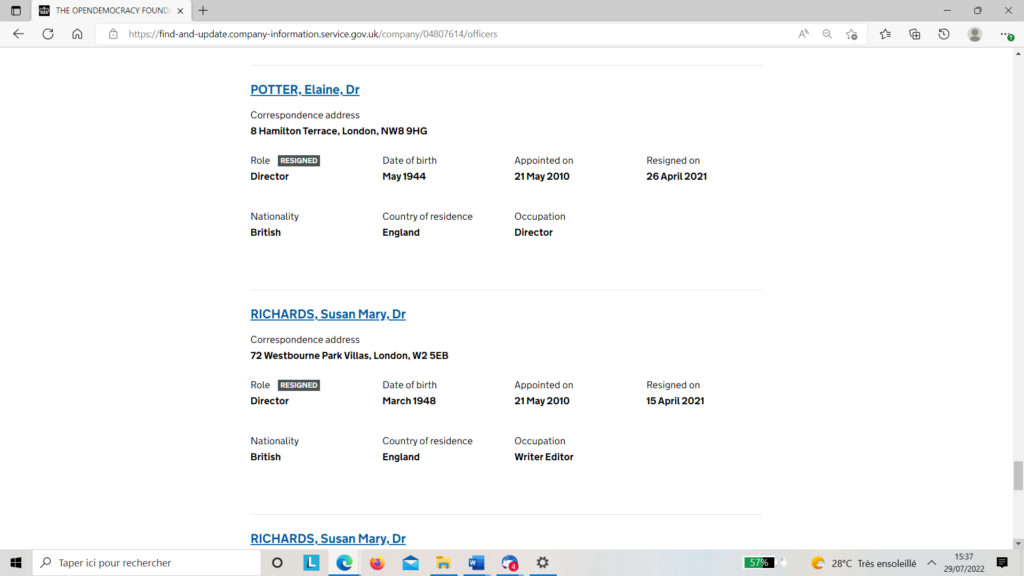
[21] About the Foundation – The David and Elaine Potter Foundation
Trustees – The David and Elaine Potter Foundation
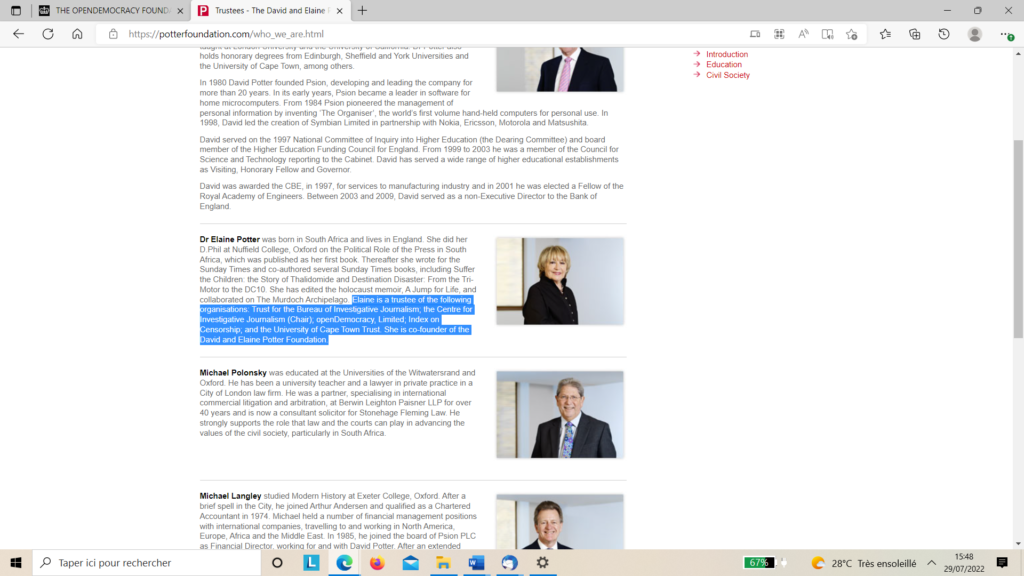
[23] Gavin MacFadyen, 76, Mentor and Defender of WikiLeaks Founder, Dies – The New York Times (nytimes.com)
La fibre fédératrice de Julian Assange | Le Club (mediapart.fr)
[24] THE TRUST FOR THE BUREAU OF INVESTIGATIVE JOURNALISM people – Find and update company information – GOV.UK (company-information.service.gov.uk)
[25] Mon article sur la Wau Holland Stiftung, le CIJ et Julian Assange
[26] CENTRE FOR INVESTIGATIVE JOURNALISM LIMITED filing history – Find and update company information – GOV.UK (company-information.service.gov.uk)
Les Spin Doctors de la City, le CIJ et Julian Assange

Le Center for Investigative Journalism se présente comme une association à but non lucratif qui propose des formations sur le « Data journalism ». Pour chacune des formations dispensées, il emploie des journalistes travaillant dans des medias maintream, qui sont grassement rémunérés pour chaque prestation.
Centre for Investigative Journalism (tcij.org)
(20+) Centre for Investigative Journalism (CIJ) | Facebook

Lorsqu’un journaliste ou un particulier souhaite s’inscrire dans une formation, la somme à payer ne lui est pas indiquée sur le site internet et lorsqu’il se rend sur place pour demander ce renseignement, les responsables de bureau peuvent lui dire “c’est trop cher pour vous”, comme ce fut notre expérience. Il est donc impossible d’évaluer combien coûtent ces formations en consultant les brochures et le site du Centre alors que de nombreux sponsors entretiennent cette structure. Il est impossible de s’inscrire simplement et de venir à une formation sans avoir été sélectionné auparavant par le « operating manager » du CIJ Sami Aknine.

Le Center for Investigative Journalism est notamment entretenu par des structures puissantes comme la Bertha Fondation, une fondation de Tony Tabaznik, le puissant oligarque sud-africain du médicament générique et également employeur de Jennifer Robinson, l’une des pseudo avocate d’Assange. Cette structure est déclarée en Europe en Suisse, au registre du commerce du Canton de Genève.

Il y a également la Rena and David Logan Foundation, structure d’oligarque américains possédant une école privée de journalisme à Berkeley, aux portes de la prestigieuse université Berkeley. Ce fut ici que la fondation Logan a subventionné une des premières conférence de Julian Assange, le 18 avril 2010, en compagnie de Gavin MacFadyen présenté comme directeur et fondateur du CIJ et de Birgitta Jonsdottir, une député islandaise habituée aussi bien de spectaculaires coups médiatiques que d’un long travail au sein de la Commission des Affaires Etrangères islandaise favorables aux bases américaines dans l’île du Nord.

Un financeur permanent du CIJ est également l’organisation hollandaise Stichting Démocratie en Media, une structure de soutien aux journalisme certes datant de 1944 et issue de la Résistance anti-nazie, mais aujourd’hui compromise dans le soutien à la politique américaine et otanesque, comme le montrent les remerciements à son endroit de Freedom House, le fameux faux nez de la CIA en Europe et grand financeurs de tout l’anti-communisme européen depuis la guerre.
FOTP 2016 Acknowledgements | Freedom House
Freedom House — Wikipédia (wikipedia.org)
History – Stichting Democratie en Media (stdem.org)
Nous ne sommes donc pas surpris de trouver parmi les financeurs du « créateur du concept Assange » la Google News Initiative, structure de Google qui est ainsi peut financer son opposition contrôlée dans le plus pur style sorosien. Nous ne sommes pas non plus dupe du procédé consistant à créer puis « poursuivre » son « opposant » alors que nous voyons que le CIJ est soutenu avec ardeur par la ville de Londres propriétaire de la Goldsmith University. Le CIJ n’est donc en rien une petite ONG d’opposition mais bien le fer de lance de la conquête du public par le système qui tel le loup se dissimule dans la peau de l’agneau de l’opposition.
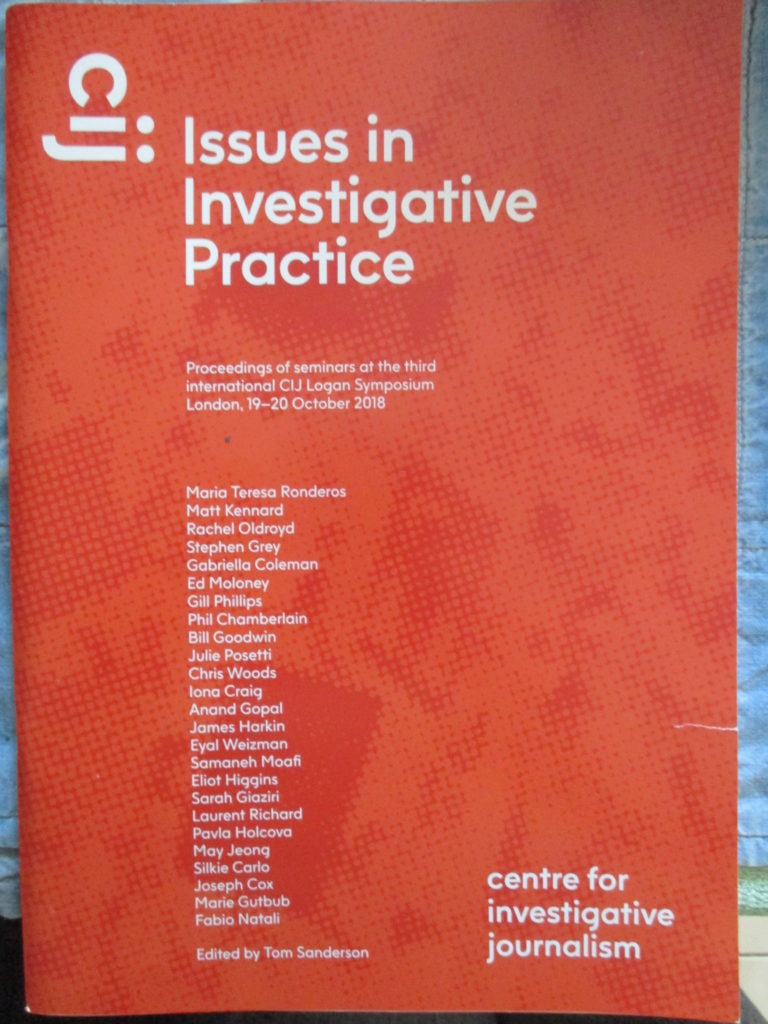
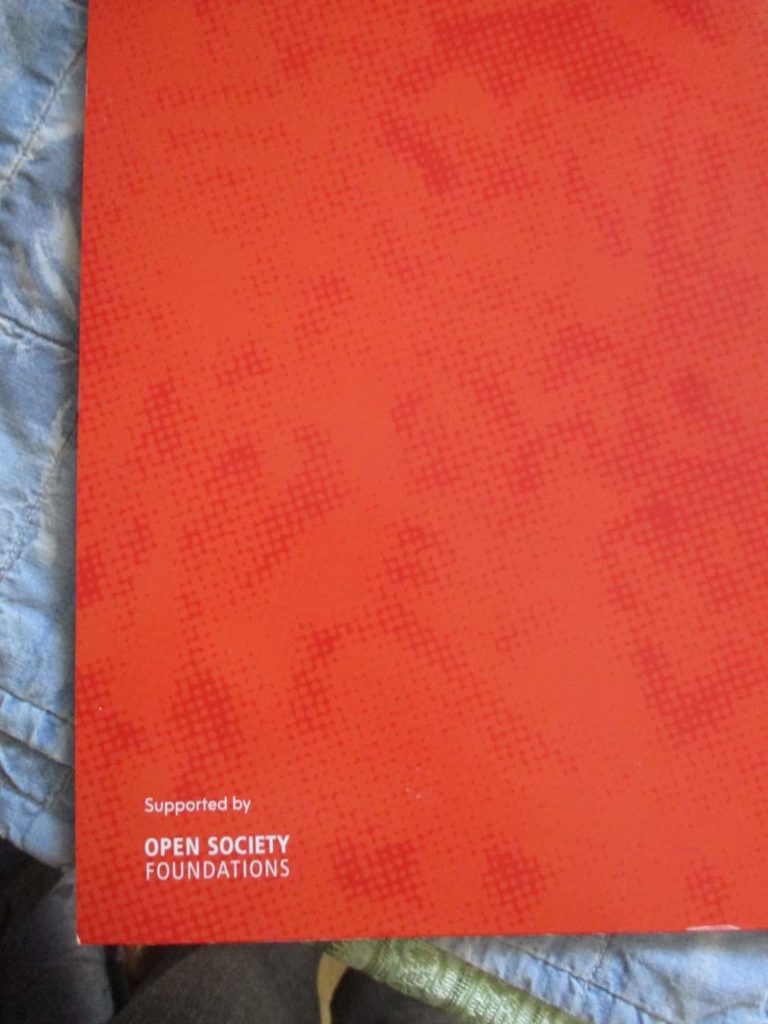
En tant que représentant de la véritable Résistance, nous nous sommes présenté au 37 Laurie Grove, adresse officielle figurant sur les comptes rendus financiers de l’entreprise, le 15 janvier 2020 exactement, afin de demander au Centre de dispenser des cours de journalisme aux militants Gilets Jaunes désireux de s’armer intellectuellement et médiatiquement contre le système. Arrivant à l’improviste dans le petit salon au rez de chaussée du modeste pavillon attenant au complexe de la Goldsmith University, nous nous sommes en effet heurtées au Français Sami Aknine.
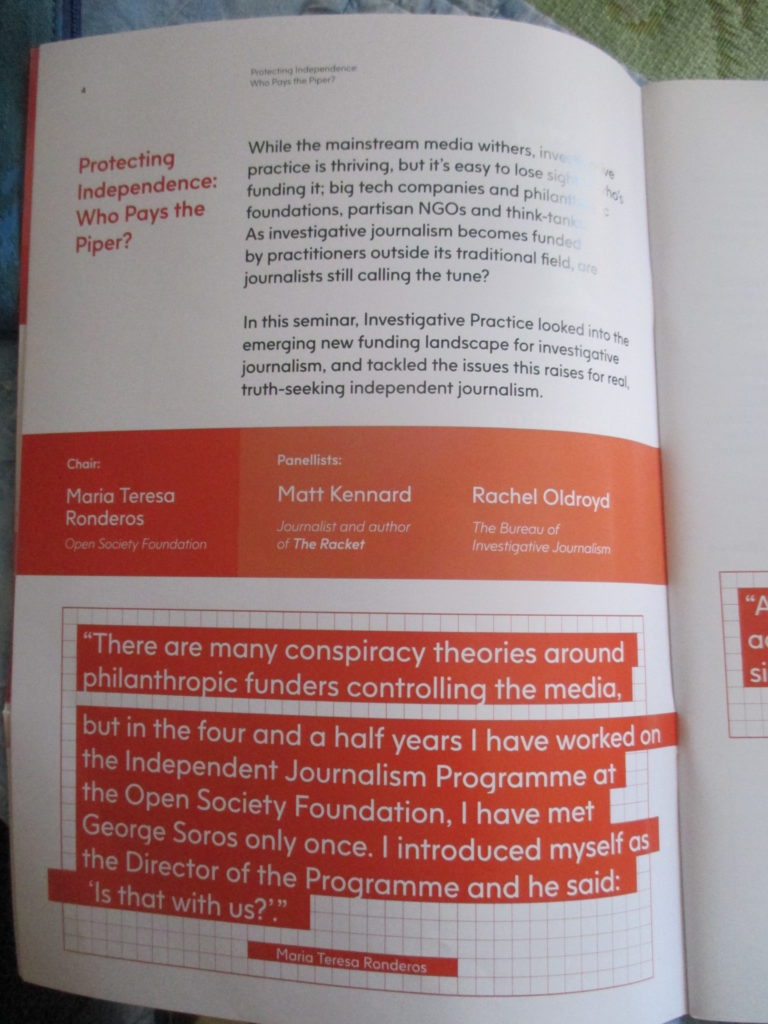
Sami Aknine est le fis de Pierre Aknine, scénariste et acteur français. Sami Aknine est diplomé de l’Ecole privée de Commerce Audiencia de Nantes. Il a été le chef du Media Channel du Forum Economique Mondial de Davos, la reunion mondiale qui est organise actuellement l’opération du “Grand Reset” sous la direction de Karl Schwab et de Charles “Windsor” pour achever la destruction des sociétés et des Etats souverains dans le “plan Covid 19”. Il a été aussi manager au Euromoney Institutional Investor pendant 15 ans – un groupe de medias d’informations financières et boursières.

Ce fut Sami Aknine qui nous informa que le CIJ rémunérait les journalistes dispensant les formations du Centre, mais il nous annonça également que ces formations étaient payantes et chères et que les Gilets Jaunes n’aurons certainement pas les moyens de se payer le prestige du Centre…. Ses propos nous ont suffit pour comprendre que le CIJ est un centre de fausse opposition qui n’a nullement l’intention de soutenir de vrais rebelles. Du reste, le conformisme des gens fréquentant la Westminter Court au procès d’Assange et envoyés par le CIJ acheva de nous convaincre que loin d’être une opposition, le CIJ est une imposture.
Sami Aknine – Royaume-Uni | Profil professionnel | LinkedIn
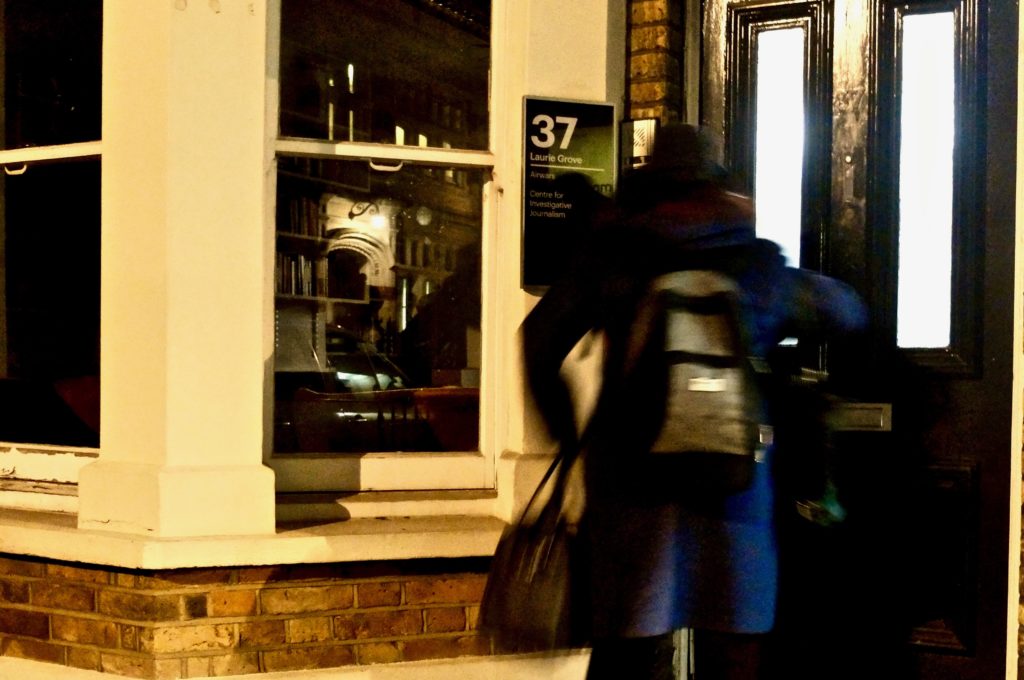
Le Center for Investigate Journalism ne possède pas de locaux pour faire les formations, mais il organise regulièrement ses conferences dans une salle de la Goldsmith University. Quelle est le rôle de la Goldsmith University, université de la ville de Londres, dans le fonctionnement de cette structure? Pourquoi la Goldsmith university donne son patronage à cette entreprise privée douteuse alors qu’elle possède sa propre faculté de journalisme?
Goldsmiths History | Goldsmiths, University of London
La Golsmith University a été pendant 200 ans une école de la «Worshipful Company of Goldsmiths », l’Association des Orfèvres, une des guilde les plus puissante de la City of London. Cette université appartenait donc à la City of London Corporation mais est depuis 2004 gérée par la ville de Londres. Pourquoi permet-elle l’usage de ses locaux à des compagnies privées non contrôlées ?

Le rapport financier de 2020 nous apprend que l’Université Goldsmith a un statut de « Charity » mais qu’elle serait financée à 50% par les frais de scolarité, de l’ordre de minimum 10 000 livres par an. 13% du budget serait constitué de subventions publiques dont l’origine n’est pas précisée. Dans ce cas, lorsqu’une université est obligée de rechercher des fonds pour survivre elle est forcée de nouer des partenariats publics-privés avec des organisations dont les activités et l’origine des financements peuvent être douteux. Par ailleurs, je n’ai pas pu trouver la Goldsmiths University of London dans le registres des « Charities » et consulter un bilan financier plus précis. Par compte il existe une Goldsmiths Compagny Charity qui peut servir de couverture à l’activité de l’Université.
The Worshipful Company of Goldsmiths (springer.com)

Des doutes existent concernant l’ activité réelle du centre. Ce Centre fonctionne-t-il réellement comme une école de journalisme ou est-il un lieu par lequel transite de l’argent donné par les sponsors à d’autres buts réels? Si les formations sont payantes et servant à rémunérer les journalistes formateurs qui sont déjà salariés par leurs médias respectifs, à quoi sert l’argent des sponsor si les étudiants doivent payer les formations?
Nous disposons de rapports financiers du CIJ “compagnie” de 2005 à 2018 au register des entreprises des entreprises britanniques sous le numéro 05471322 et de rapports financiers des “Trustee” (administrateurs) du CIJ “Charity” deposés au Charity Register sous le numéro 1118602, le registre des structures à but non lucratif pour les années 2014-2020. L’analyse de ces rapports est cruciales pour comprendre l’activité du lieu et comparer le storytelling médiatique à la réalité présentée aux autorités.



Il est important aussi de déterminer le rôle de Gavin MacFadyen prétendument mort en décembre 2016 et mentor de de Julian Assange.
Le premier rapport d’activité du CIJ “entreprise” nous apprend par exemple que la structure a été fondé en juillet 2005 avec la modeste somme de 17 425 livres par Messieurs Brian Arthur Basham et Simon Albert Albury[1] et que son activité est “l’éducation du public aux principes et pratique du journalisme d’investigation.[2]
Aucune trace du prétendu fondateur et “père de Wikileaks” Gavin MacFadyen, si ce n’est l’adresse du 34A Moreton Street dans le joli quartier de Pimlico, siege du CIJ à son ouverte et qui aurait été le domicile de MacFadyen et où celui-ci aurait abrité Julian Assange en 2010.

Mais une rapide enquête sur place dès octobre 2019 nous a permis de constater qu’aucun voisin ne se souvient d’un monsieur journaliste connu Gavin MacFadyen qui aurait été une figure du quartier. Par contre, les gérants du magasin d’antiquités au rez-de-chaussée savent que l’appartement du premier étage a été revendu plusieurs fois depuis belle lurette. Personne n’a donc vu Madame Susan Benn, la seconde épouse de MacFadyen qui apparait dans le récit de soutien à Assange en 2012 et dans certaines photos plus récentes du CIJ avec Naomi Colvin et MC McGrath.[3].
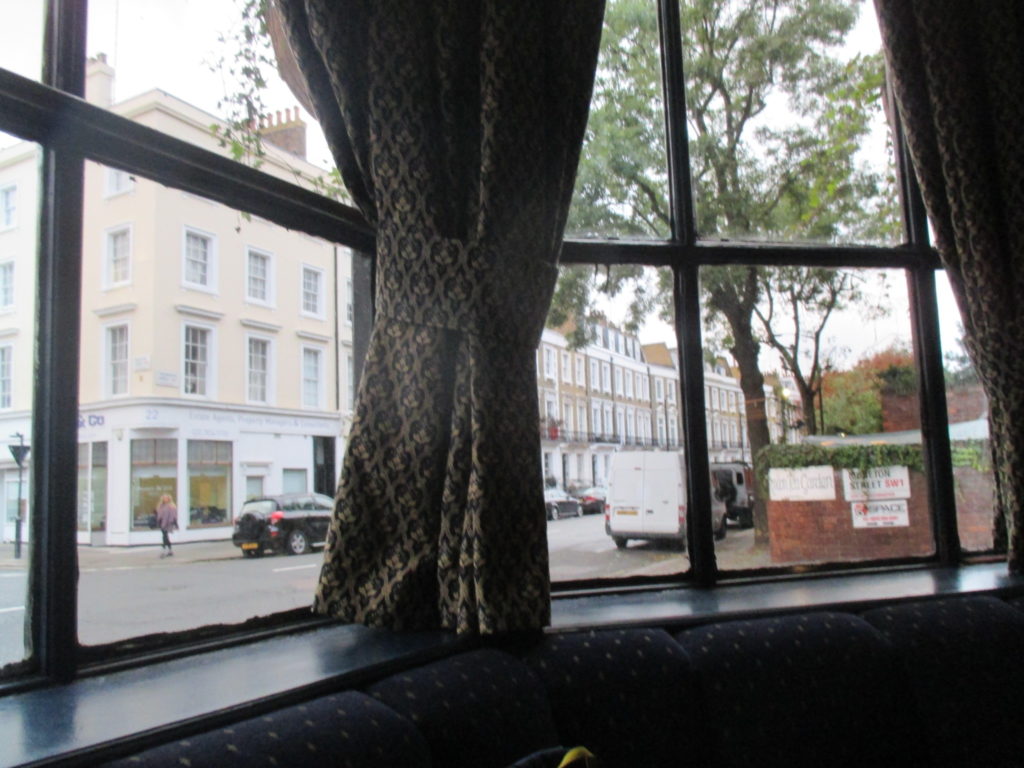
Le 34A Moreton Street est enregistré auprès du cadastre sous le numéro NGL234988 et est depuis 2018 la propriété de Simon Thomas and Associates.

Curieusement, juste avant, le 29 novembre 2017 Susan Elizabeth Benn a transmis son “leasehold”, bail à long terme avec Simon Edward Irvon Thomas pour l’appartement du premier étage juste avant que celui-ci ne rachète tout l’immeuble avec son entreprise (même si c’est pour la curieuse somme de … 1 livre.[4]
Puis Madame Susan Benn a disparu de la circulation, on ne l’a jamais vu à aucune audience du procès d’Assange.
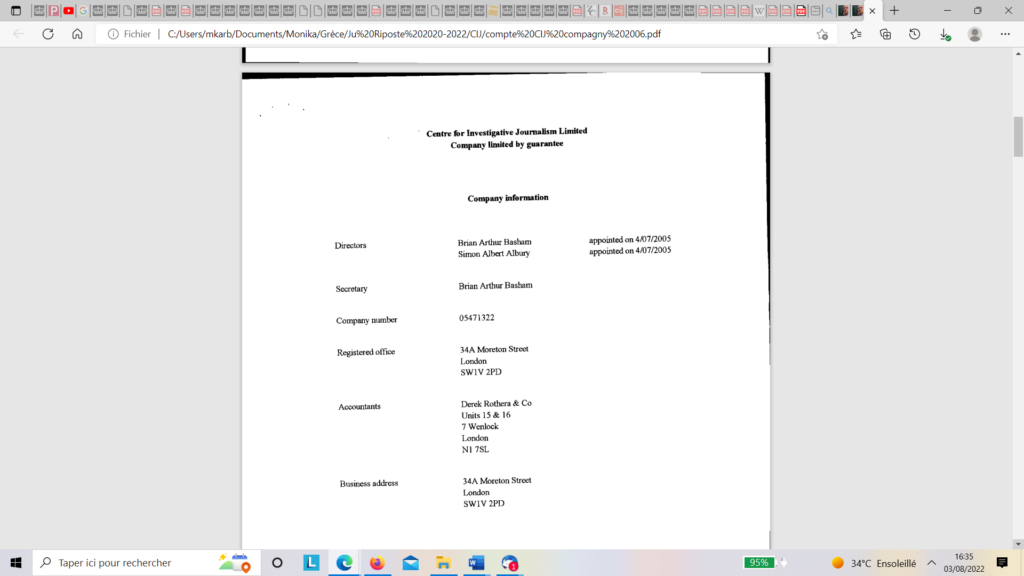
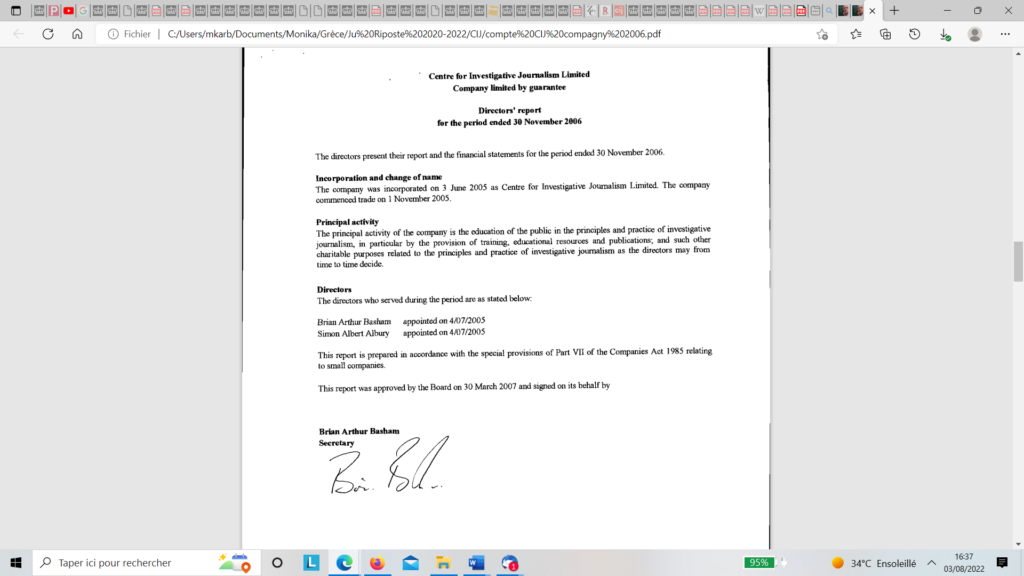
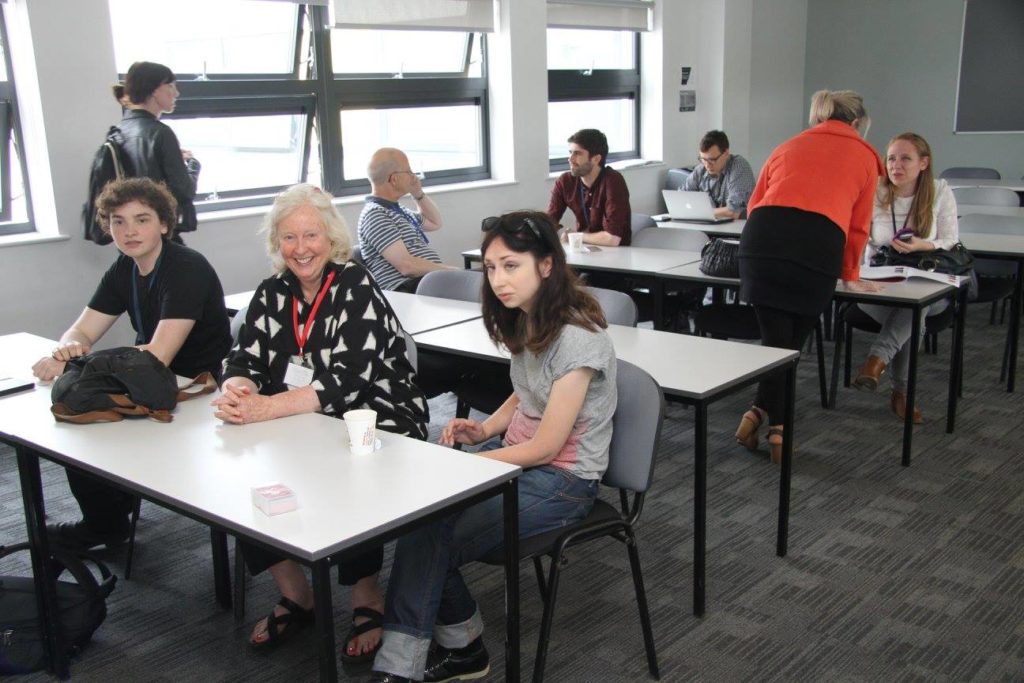

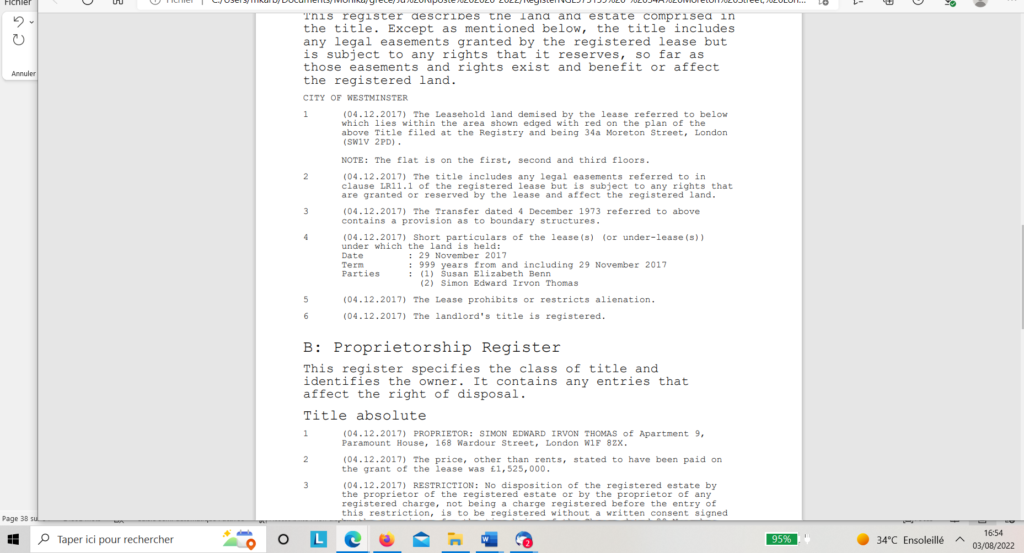
La suite dans l’article Qui sont les vrais Storyteller? Les Spin Doctors de la City, le Center for Investigative Journalism et Julian Assange
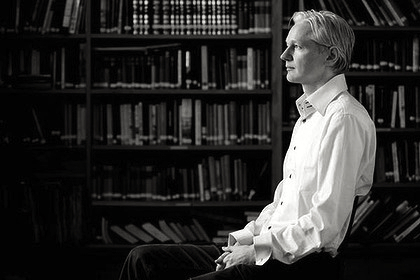
Le « Club des Espions »
C’est authentiquement mûe par le désir d’en savoir plus sur la fascinante personnalité du héros de résistance Francis Brooks Richards que je me suis dirigée vers le 8 Herbert Crescent, siège de la fondation Gerry Holdsworth Charitable Trust, malgré la déception et l’incrédulité qu’a suscité en moi l’information sur la proximité de Susan Richards avec les officines anti-russes et sorosistes.
Comme j’arrive cette fois du sud de Londres, du quartier de Chelsea, mon bus s’arrête tout près du métro Knightsbridge à l’angle de la rue Basil Street et du grand boulevard commerçant Sloane Street, pourvus de boutiques de luxe. Celles-ci furent fermées pendant la période covidienne, aujourd’hui elles sont remplies d’une foule joyeuse et bien entendu, riche. Basil street est la petite rue qui mène directement sur le carrefour du grand magasin Harrods jouxtant le trop fameux 3 Hans Crescent Street, le vaste immeuble de briques rouges ou se situaient officiellement la mission diplomatique de l’Equateur et où Julian Assange aurait été enfermé de 2012 à 2019.
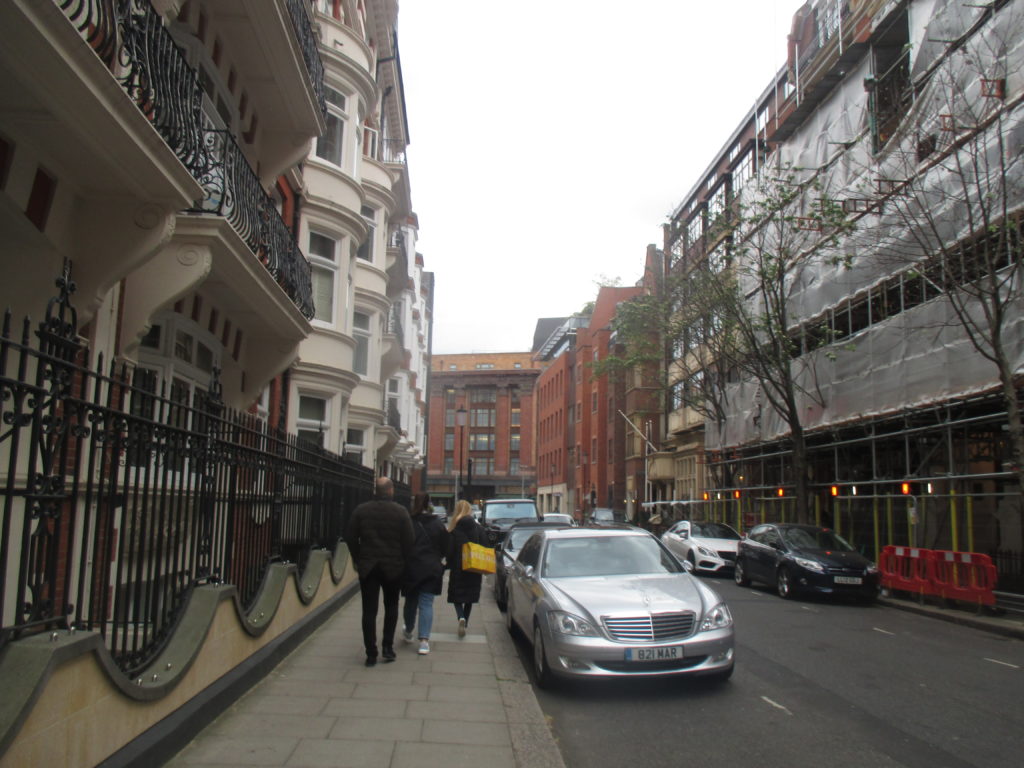
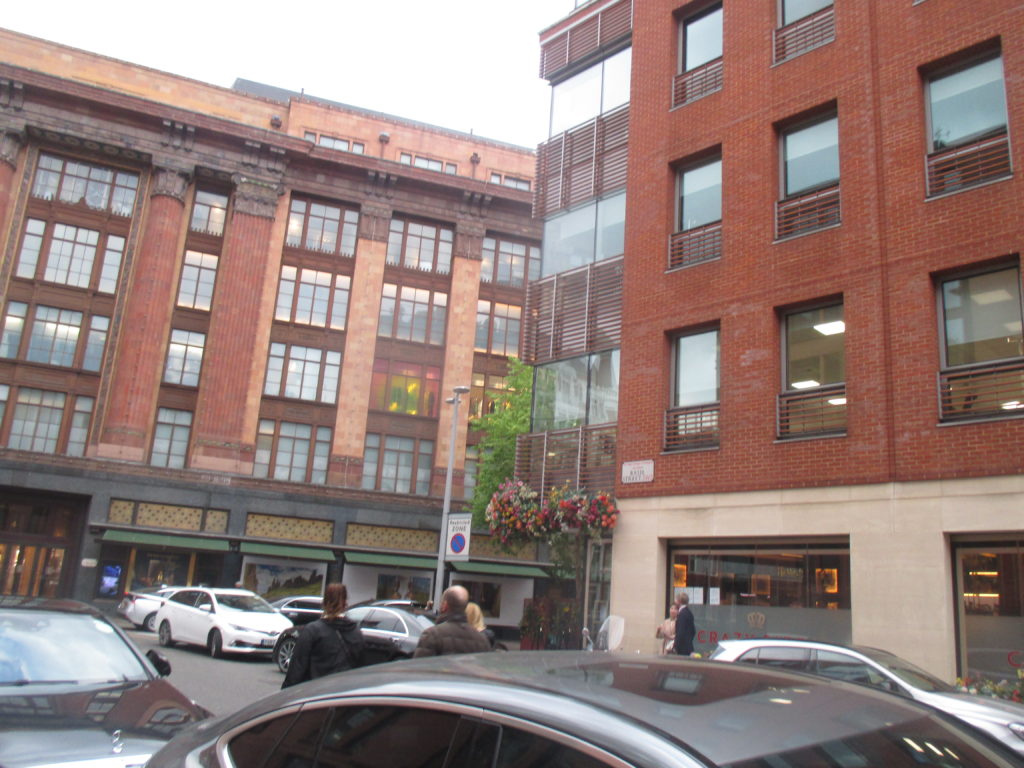
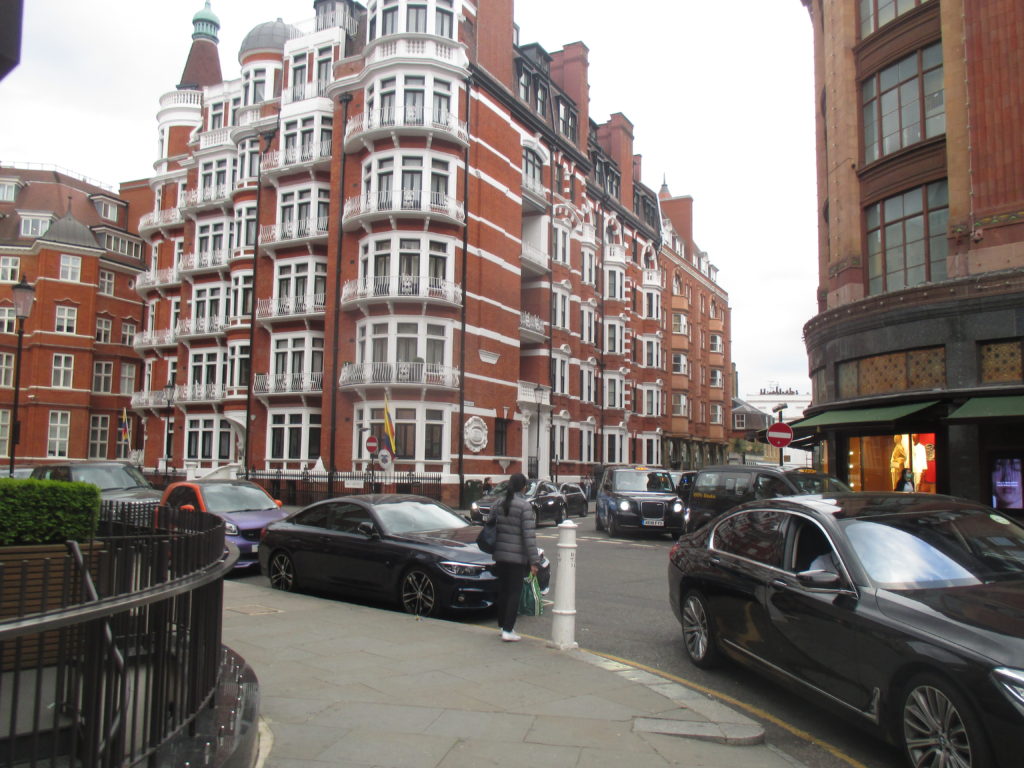
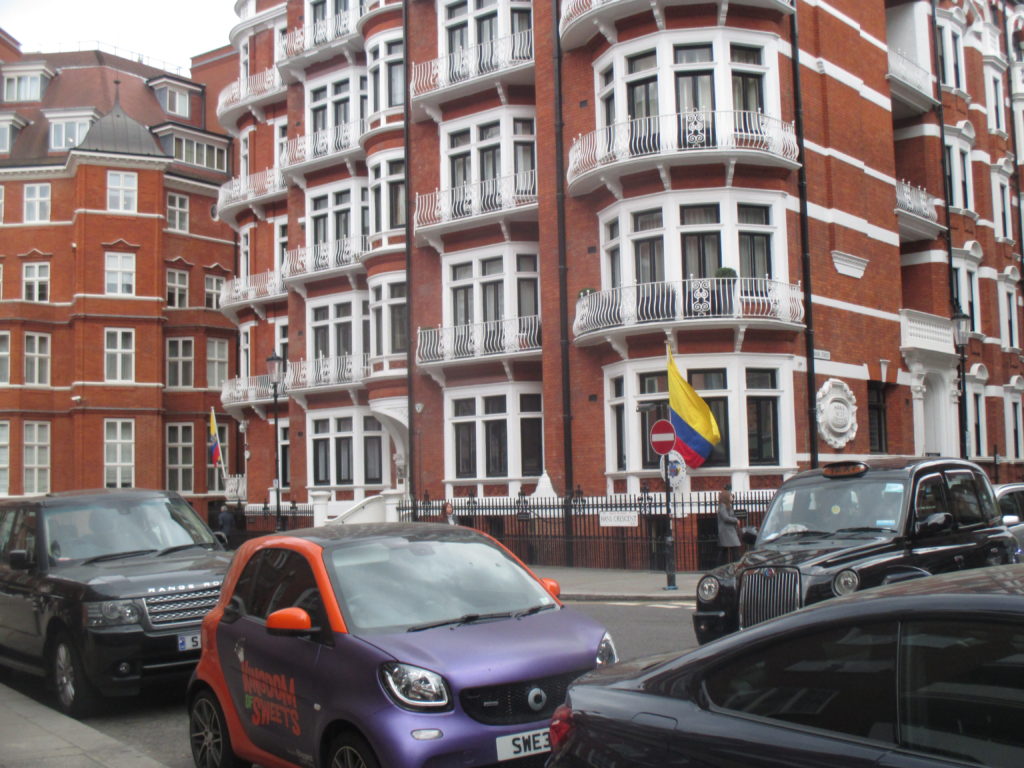
Les lieux n’ont pas changé depuis mes innombrables visites. La foule riche se presse toujours sur la placette en face du Harrods. Le drapeau colombien pend toujours à la fenêtre du rez de chaussée côté droit de l’immeuble (à l’angle de Basil Street) alors que le drapeau équatorien aux airs jumeaux décore la fenêtre du fameux balcon ou se tenait de temps en temps Assange côté gauche du bâtiment. Les deux appartements qui soit-disant abritent des locaux diplomatiques sont toujours aussi vides, des rideaux blancs épais masquant toute forme de mouvement. Ils sont même plus vides qu’avant car autant l’appartement équatorien a toujours été vide, en 2019 il y avait néanmoins quelques jeunes filles employées en Colombie mitoyenne.
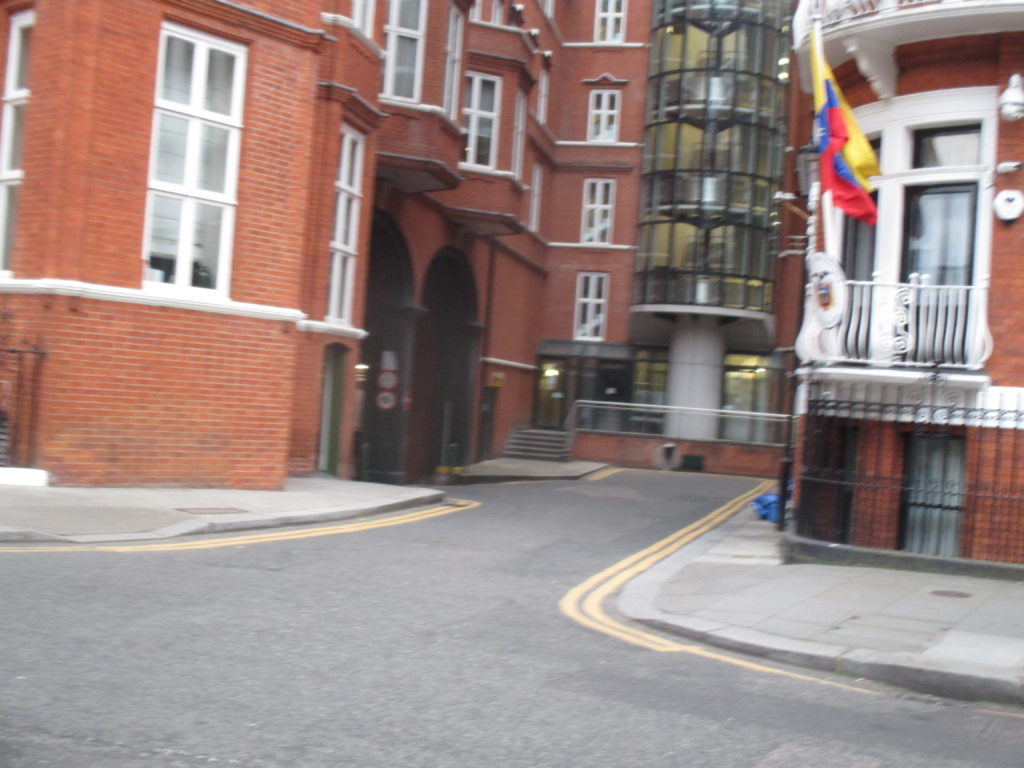
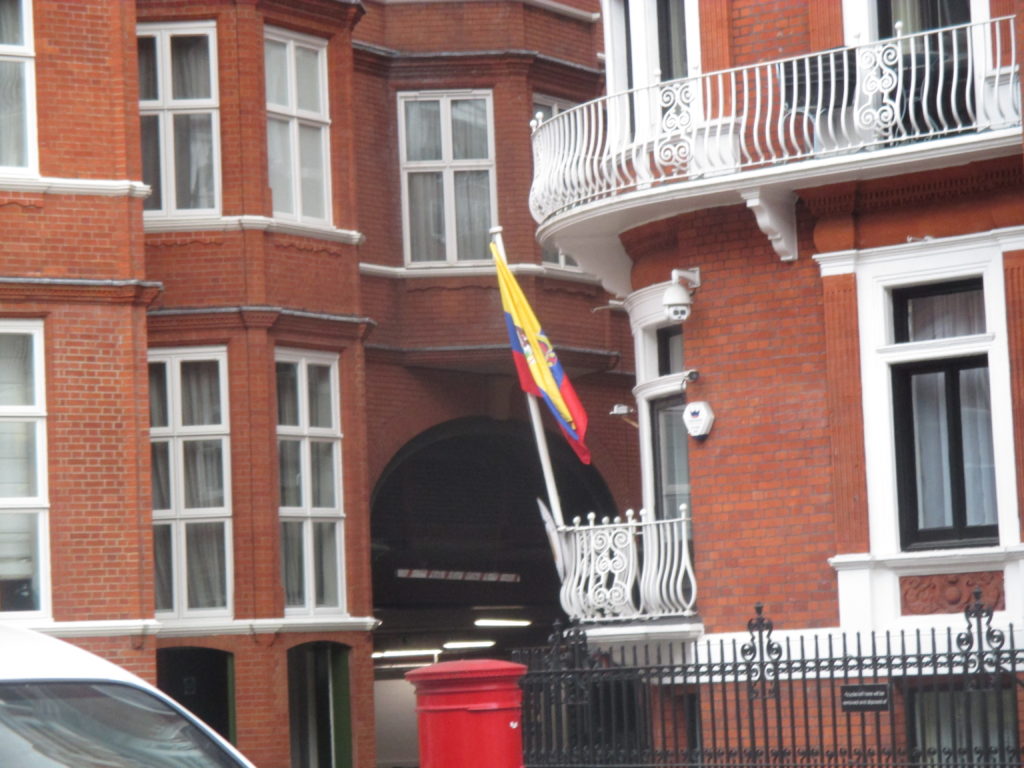
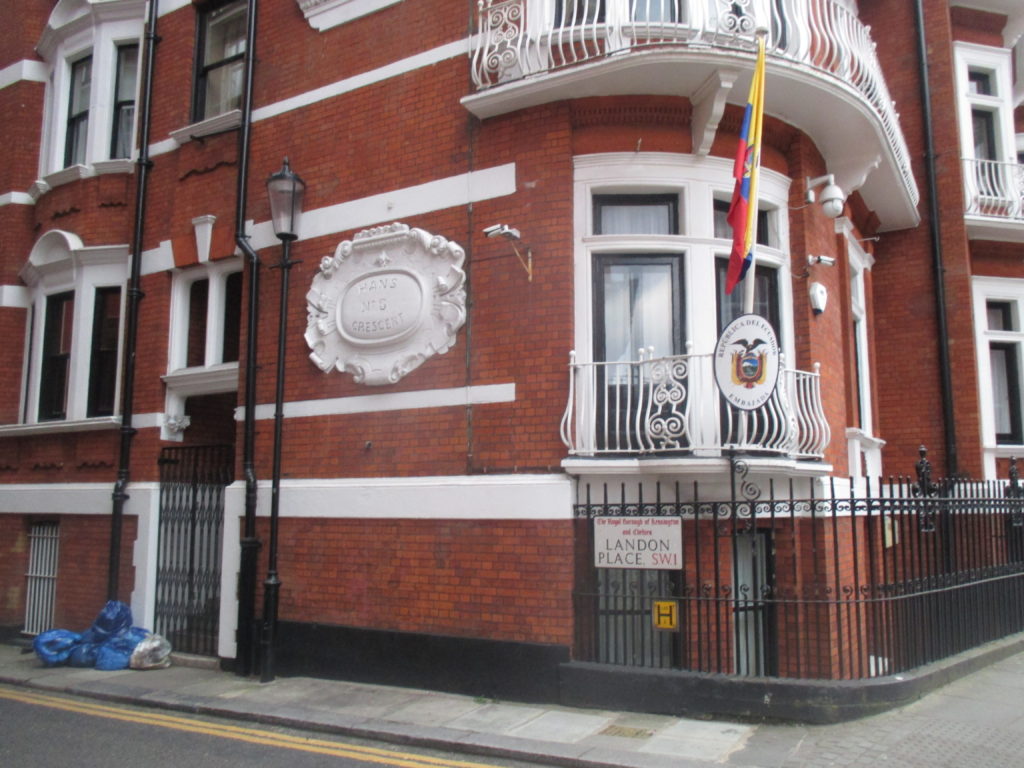
Le balcon d’Assange donne toujours sur la petite impasse Landon Street. L’impasse relie le bâtiment du 1 Hans Crescent au 3 Hans Crescent Street. Le balcon en question surplombe légèrement l’imposante entrée de service du Harrods dans des vastes sous-sol duquel s’engouffrent de temps à autre d’immenses camions de livraison.
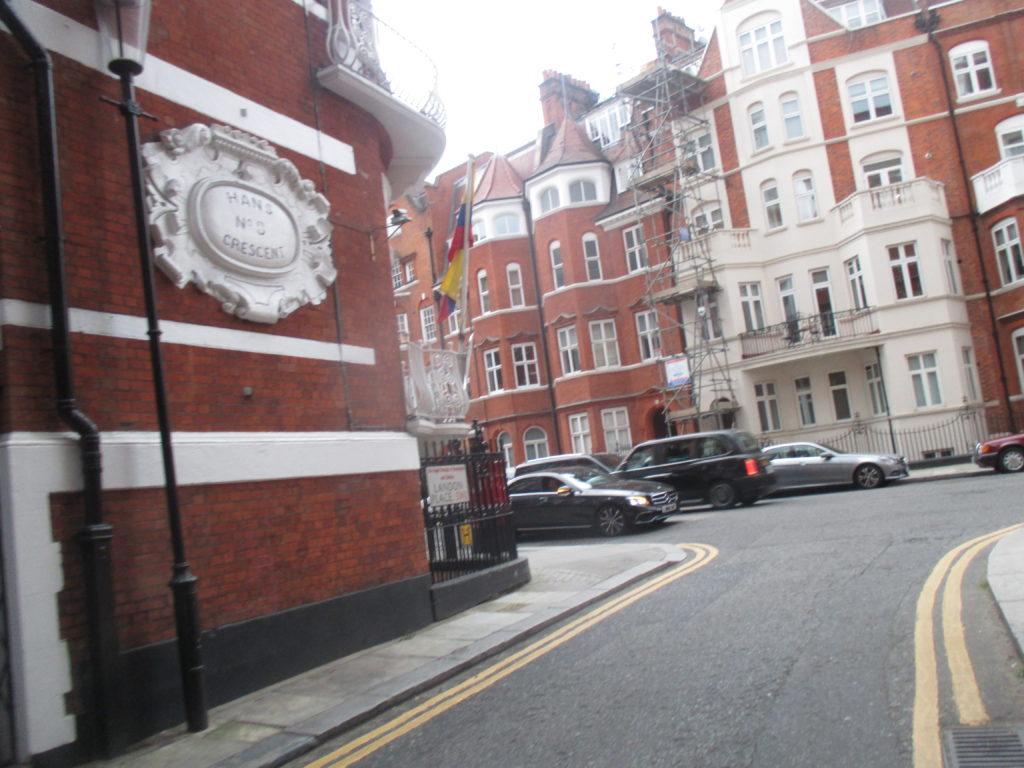
Les employés de Harrods possèdent leurs vestiaires, bureaux et bases vie dans l’entrée du 3 Hans Crescent Street côté Basil Street. Un lieu spectaculaire assurément dans sa non-discrétion, incompatible avec de vrais locaux d’une mission diplomatique sensible.
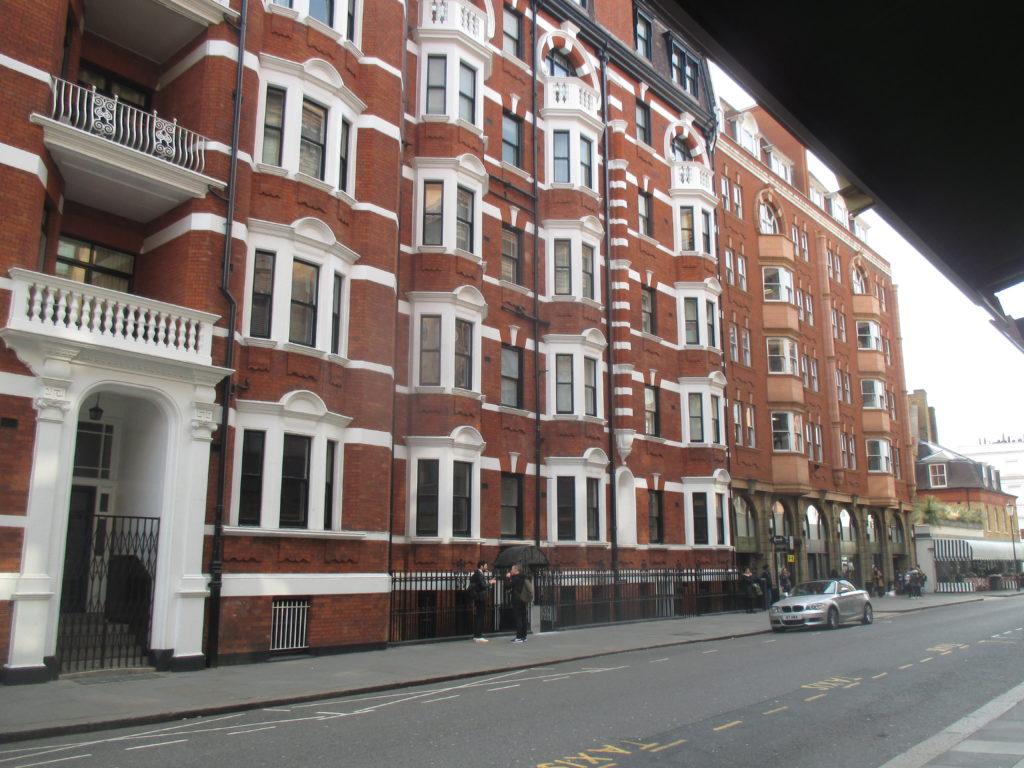

D’ailleurs, vendredi 22 avril il ne se passe rien dans la rue, je reste un long moment en face de l’entrée du 3 Hans Crescent, mais l’immeuble semble désert. Pour rejoindre la rue Herbert Crescent, je longe les quelques maisons de la rue Hans Crescent et j’aboutis au premier croisement à droite à la petite rue Pavillon Road. Dans cette rue à ma gauche les maisons ont un aspect néogothique, elles n’ont que 3 étages et des décorations de terre cuite orange sur la brique rouge. Je tourne à droite puis à nouveau à droite : la rue Herbert Crescent est une ruelle de quelques maisons qui relie Pavillon Road à Hans Place, le grand square ovale qui se trouve juste derrière le pâté de maison du 3 Hans Crescent.
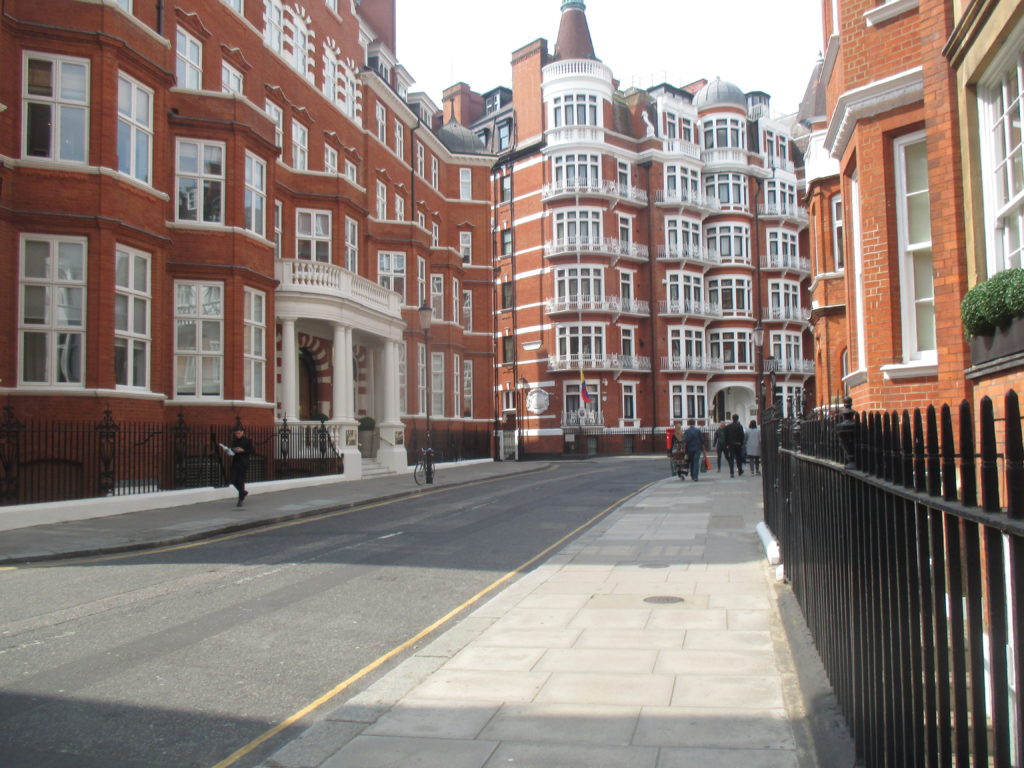
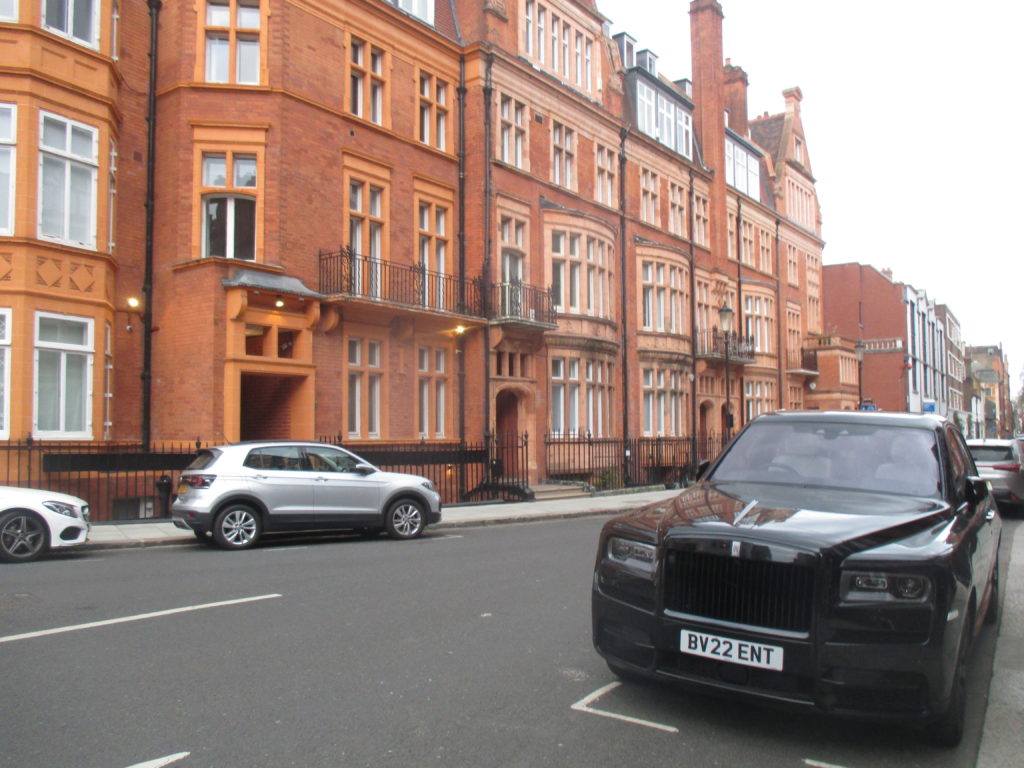
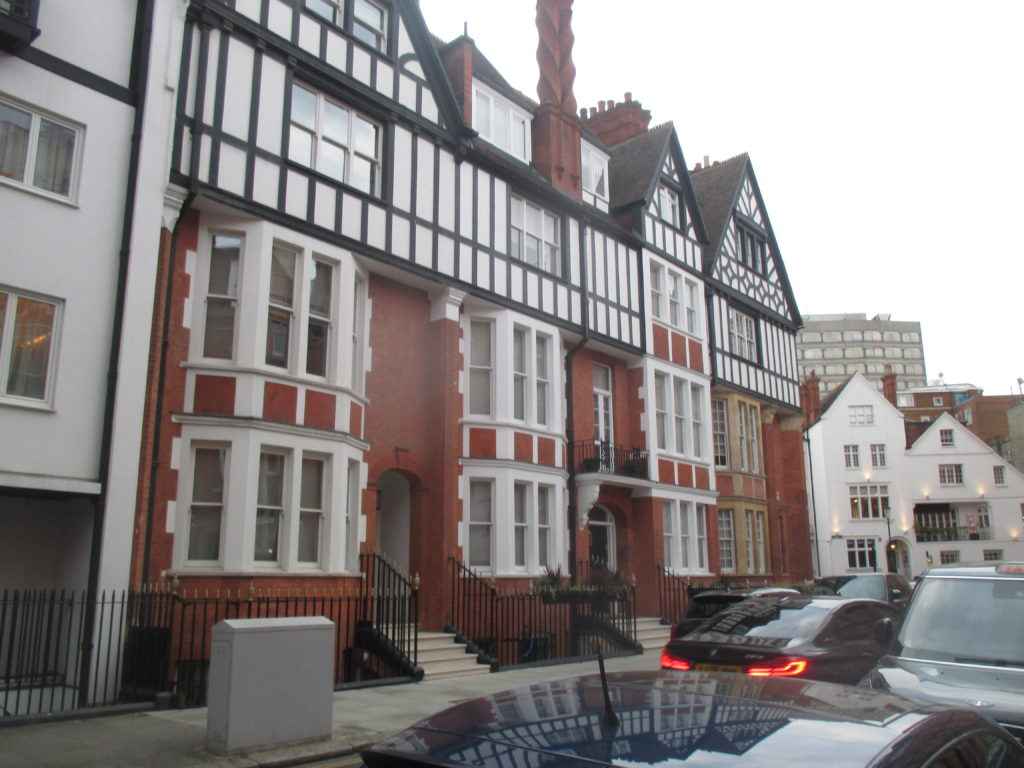
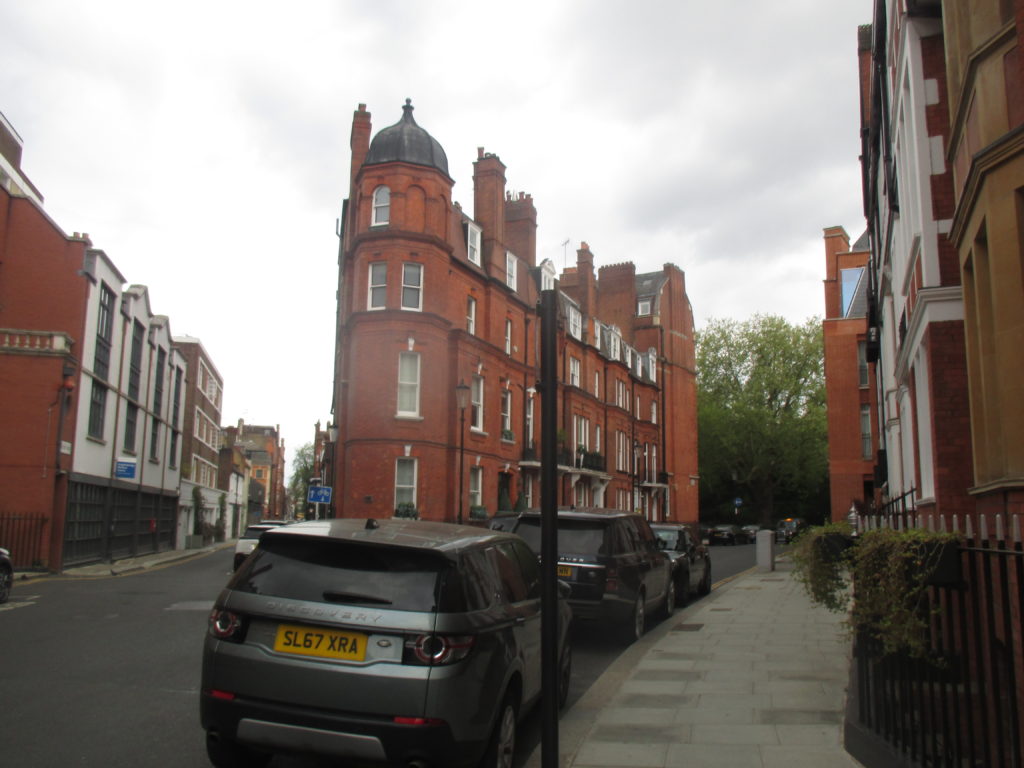
Herbet Crescent commence d’ailleurs pas une curieuse petite maison en brique toute mince surmontée d’une tourelle par ailleurs charmante. A ma droite se trouve le 6 Herbert Crescent, une petite maison blanche moderne de 2 étage. Le 8 est en face, c’est une porte en bois noir avec au centre une poigné de bronze brillante. L’embrasure de la porte et des fenêtres est blanche sur les briques rouges bien polies. La maison ne fait pas plus de 3 petits étages, dont un mansardé sous un toit en ardoise grise. La porte 8 est la troisième de la rangée de maisons accolées selon le style londonien, les unes aux autres.
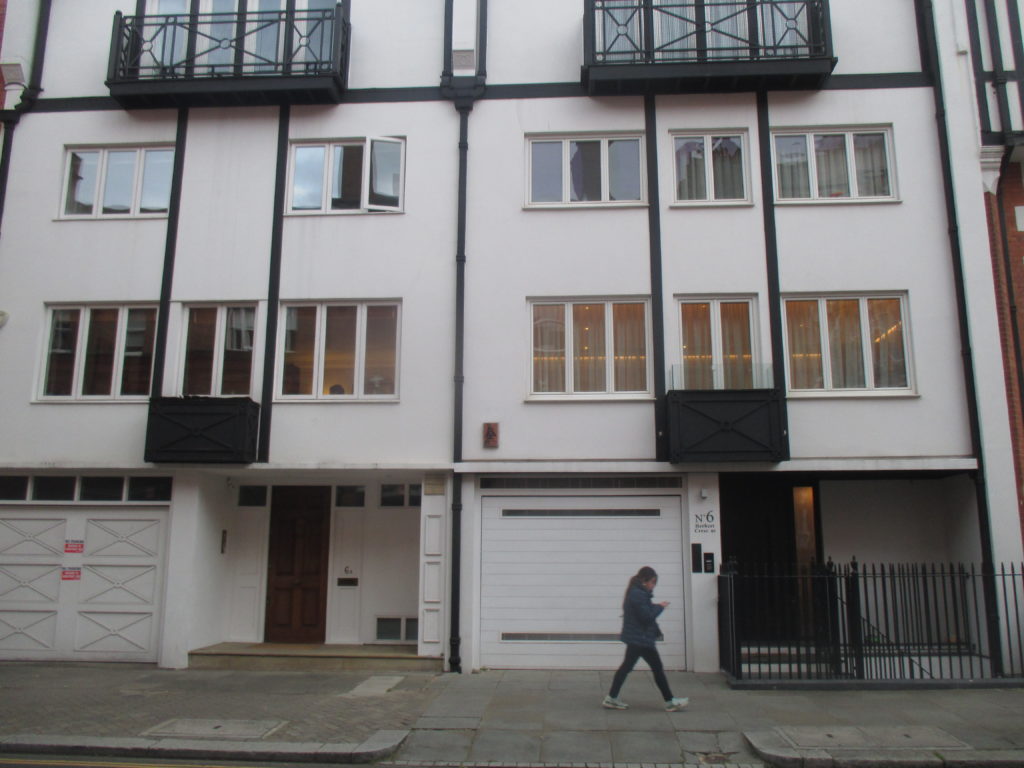
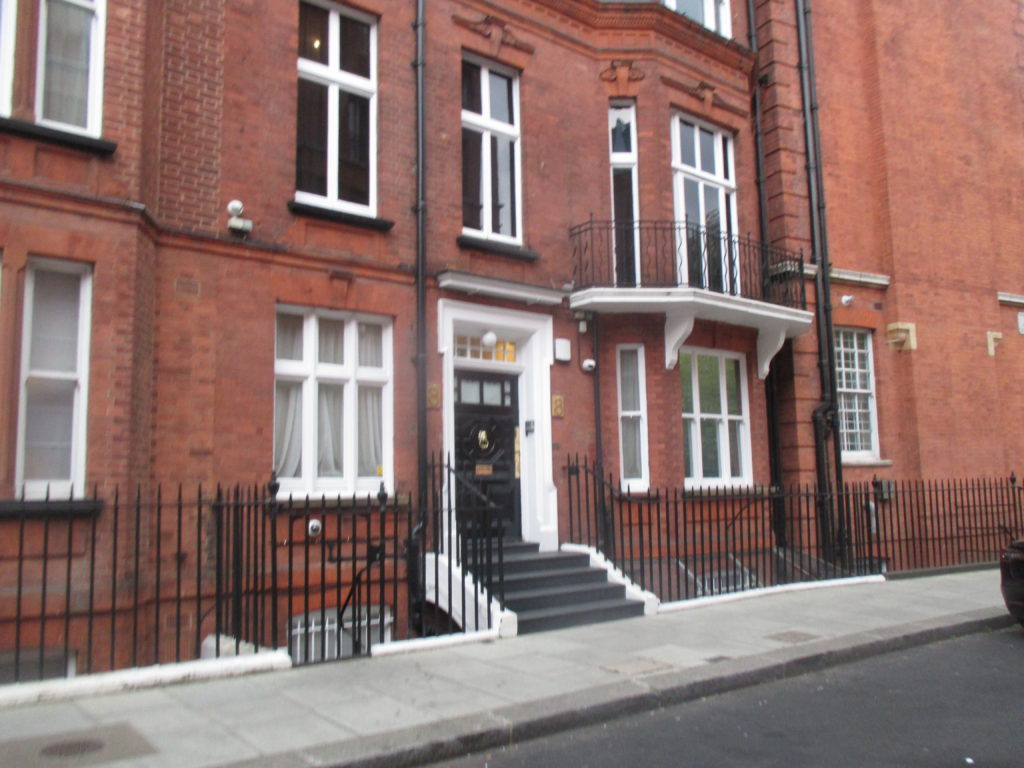
Tout est calme, désert et semble inhabitée et inoccupé. Je suis très surprise de constater que la fondation du célèbre SOE se trouve à 300 mètres à peine de l’étrange immeuble ou Assange fut enfermé. Et surtout, il n’y a aucune mention de la fondation sur la porte. Il n’y a d’ailleurs pas de trace d’un bureau ou d’une activité quelconque. J’hésite à appuyer sur la sonnette ou frapper avec la poignée sur la porte.
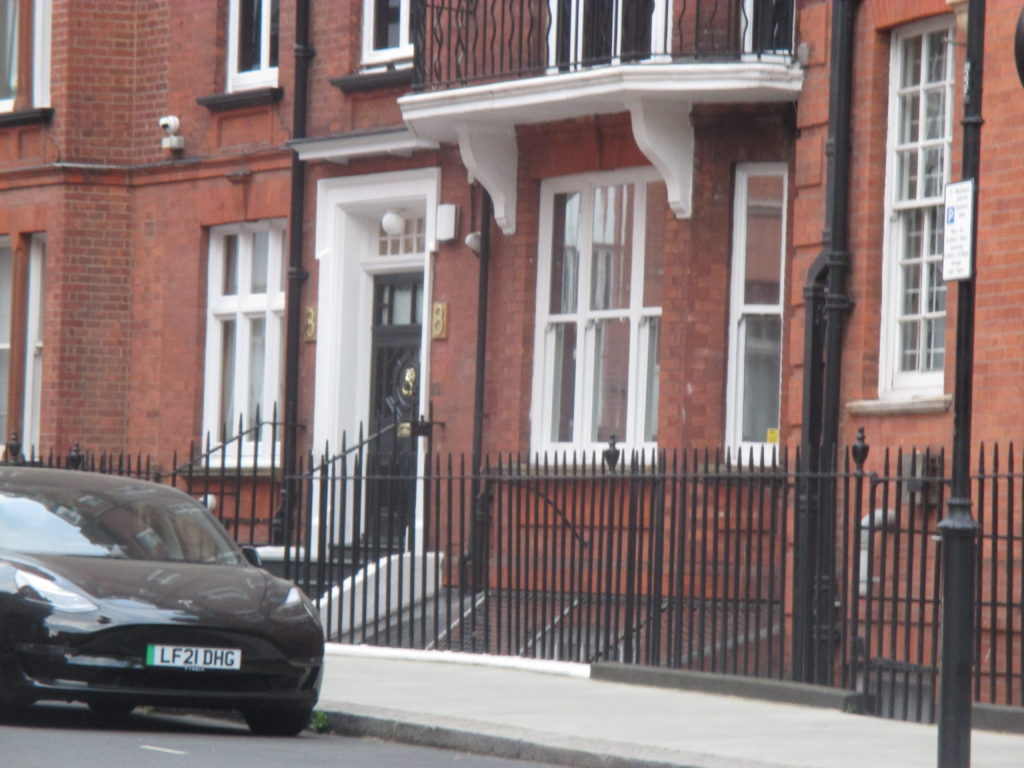
Alors je décide de faire le tour des lieux et je m’éloigne vers la place Hans Place dont le square aux hauts platanes est entouré d’immeubles plus modernes et qui semblent plus luxueux. Le grand Hill House de style néobyzantin semble être un club de luxe aux très hautes fenêtres et lustres scintillants. Je note aussi qu’à la jonction de Pavillon Road et de Basil Street, à 200 mètres du Harrods, se trouve une élégante et fonctionnelle caserne des pompiers, la « London Fire Brigade Station Knigthsbridge 1907 ».
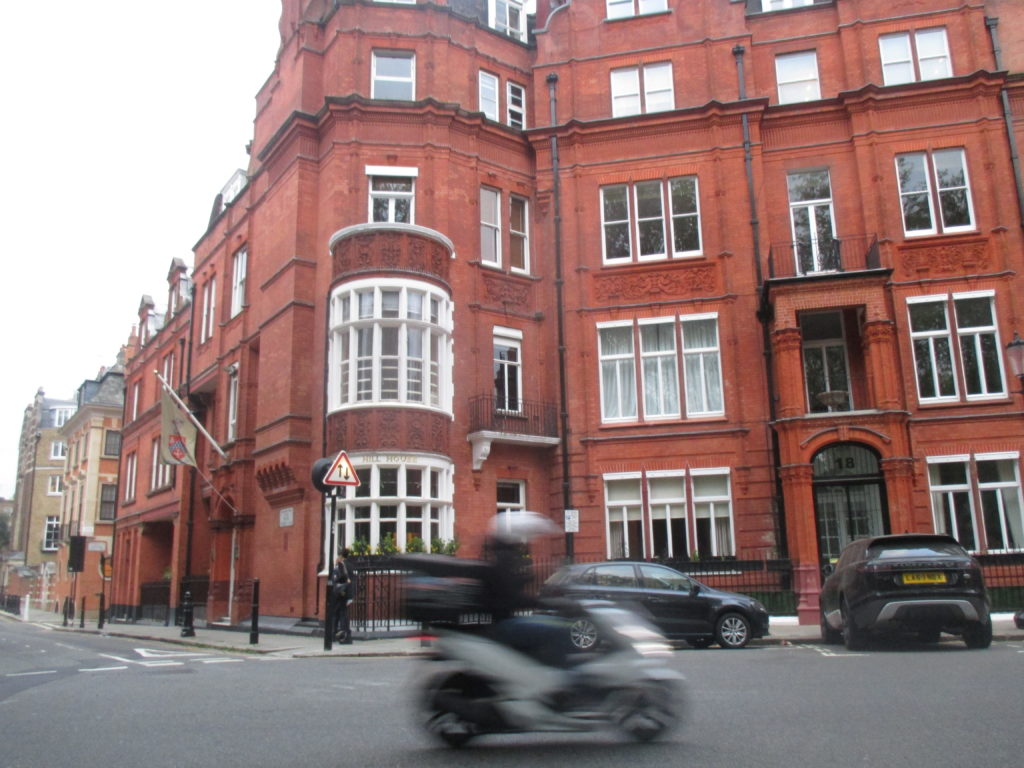
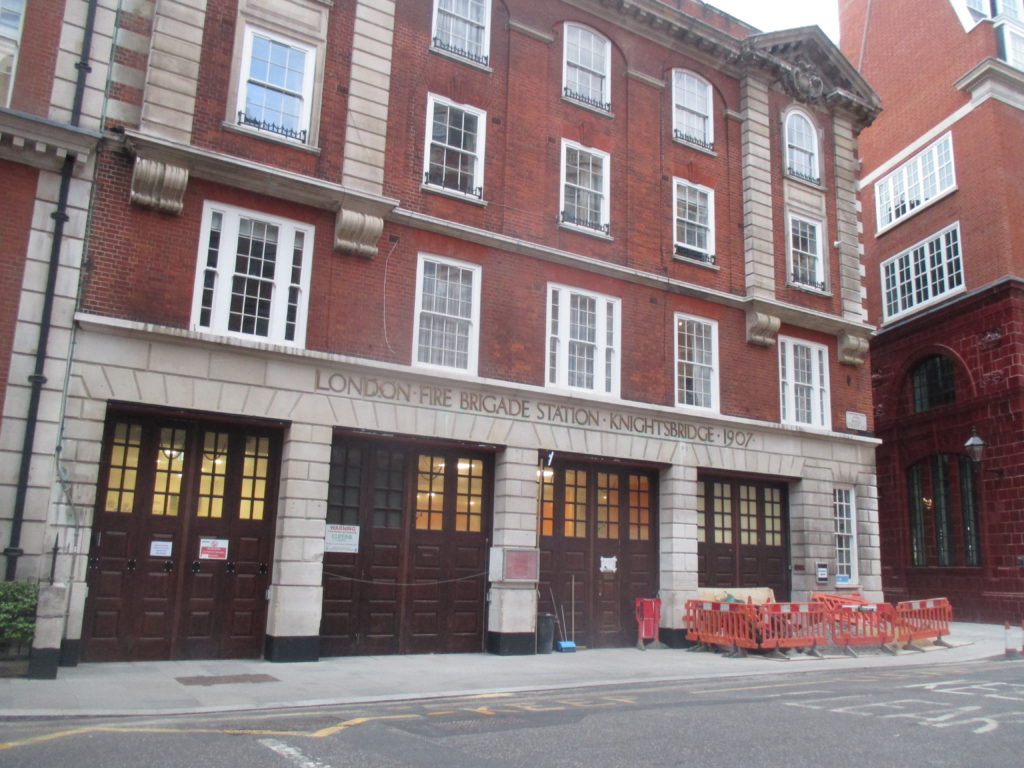
Je me poste devant le square à l’angle de Herbert Crescent et j’attends. Je fais aussi quelques photos de la maison et de la voiture noire garée devant. Et voici que vers 19 heures des visiteurs arrivent et sonnent à la porte : des garçons en costume, genre jeunes fonctionnaires avec attachés case, par deux ou tout seuls. Puis des femmes, blondes en tailleur noir, de 30-40 ans, ressemblant à Clair Dobbin.
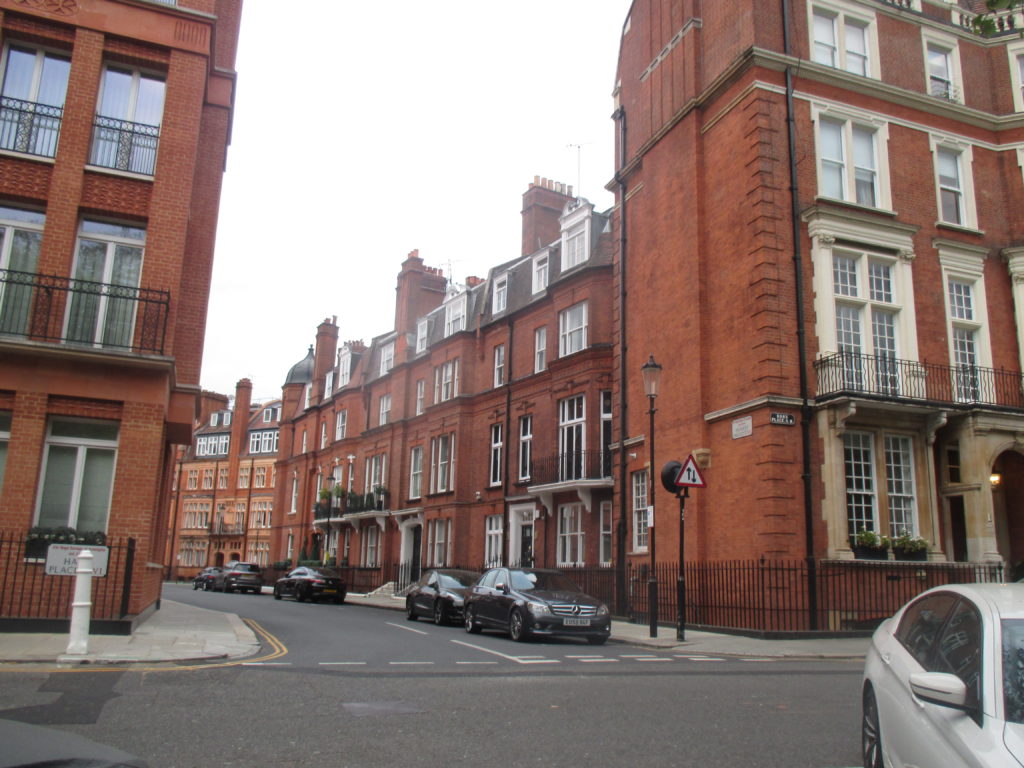
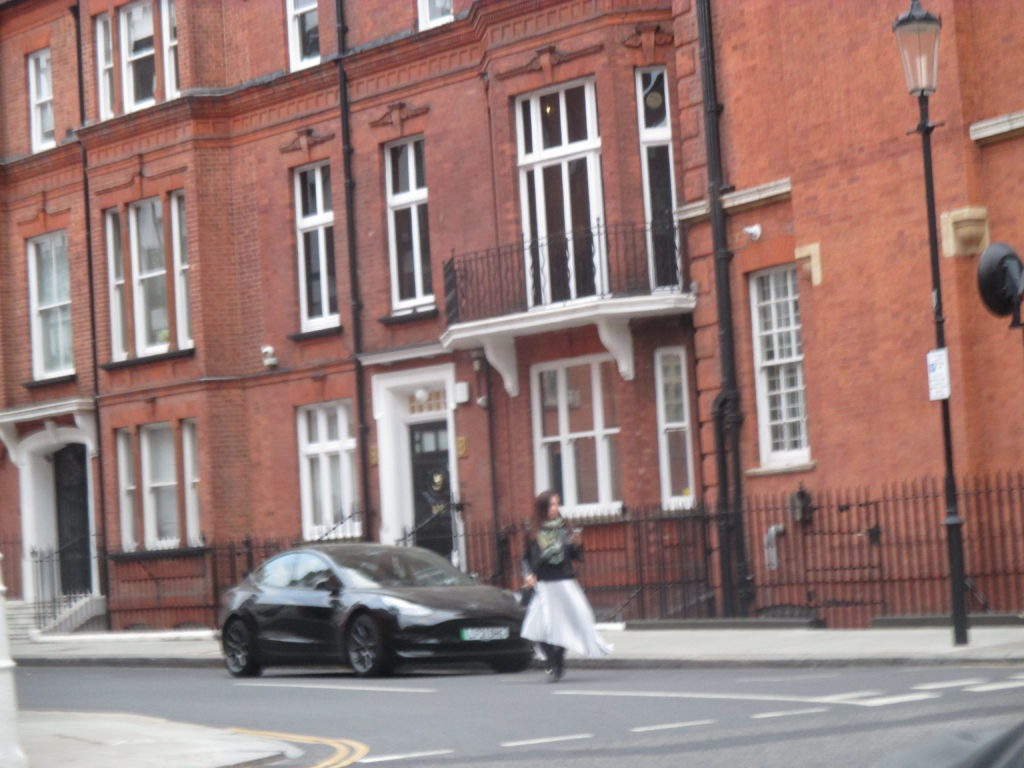
Je photographie discrètement, il y a des caméras dans tout le quartier, en m’interrogeant sur cette réunion dans ce qui paraissait être un immeuble vide. Le temps passe, je fais le tour du square, puis je reviens observer le Harrods et ses jeunes élégantes en mini-jupes. Puis je reviens voir ce qui se passe au 8 Herbert Crescent.
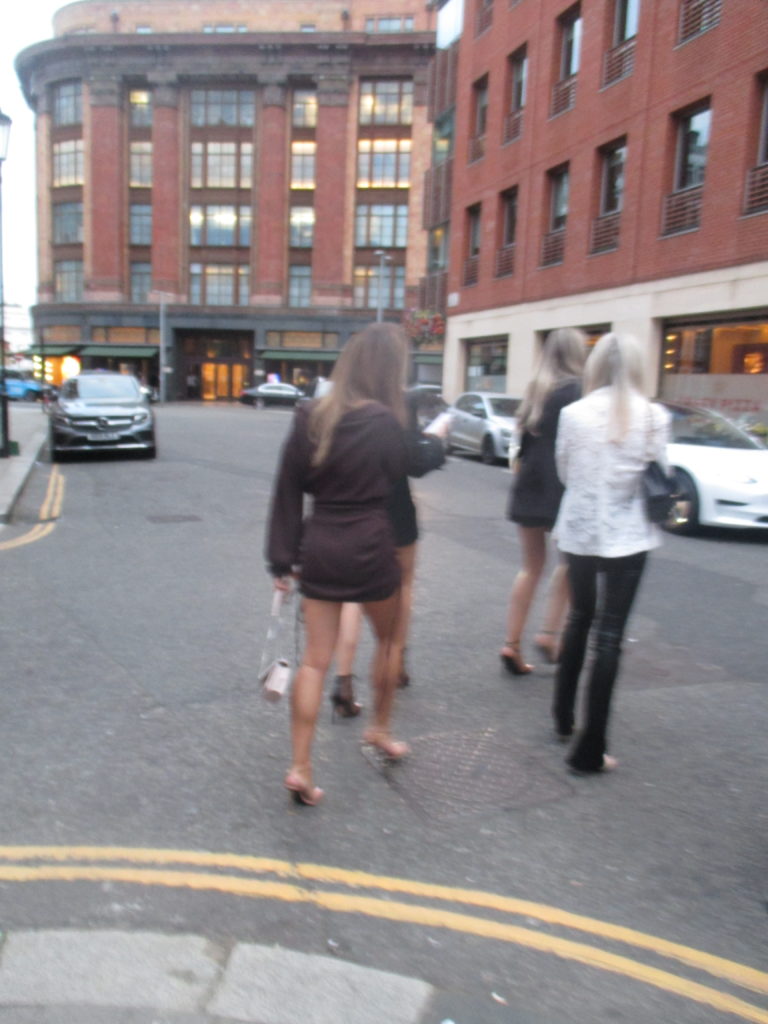
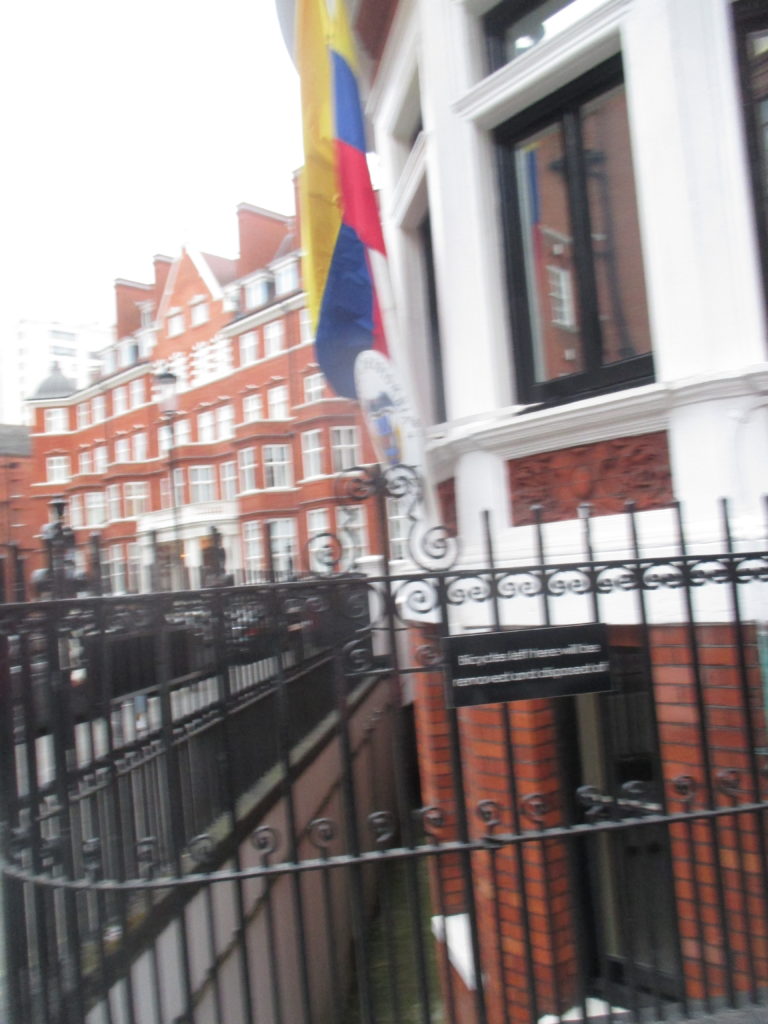
Les jeunes fonctionnaires sont ressortis de la porte noire. Un vieux monsieur, très classe, très distingué, en fauteuil roulant sort de la maison accompagné de deux jeunes, un garçon et une fille qui s’occupent de lui. Une grande femme blonde sort à leur suite et tout les 4 discutent sur le pas de la porte pendant au moins 20 minutes. Est-ce un vétéran et la réunion celle d’un conseil d’administration de la fondation ? Un peu plus tard un grand van se gare tout près et emmène le vieil homme élégant ainsi que ses accompagnateurs.
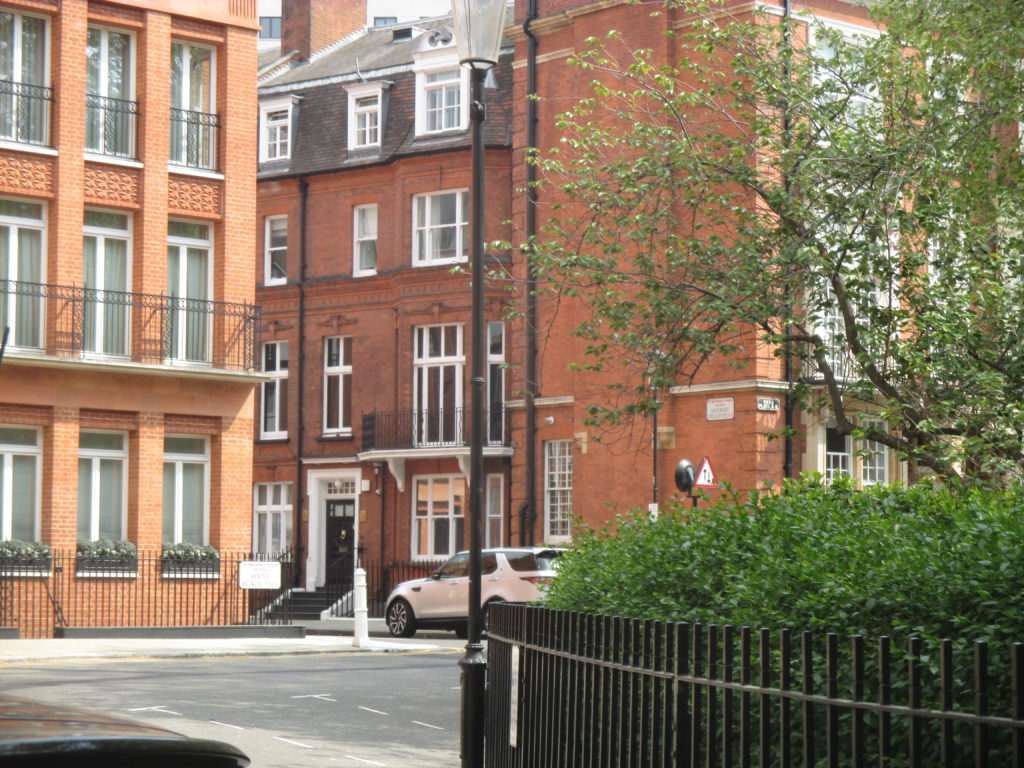
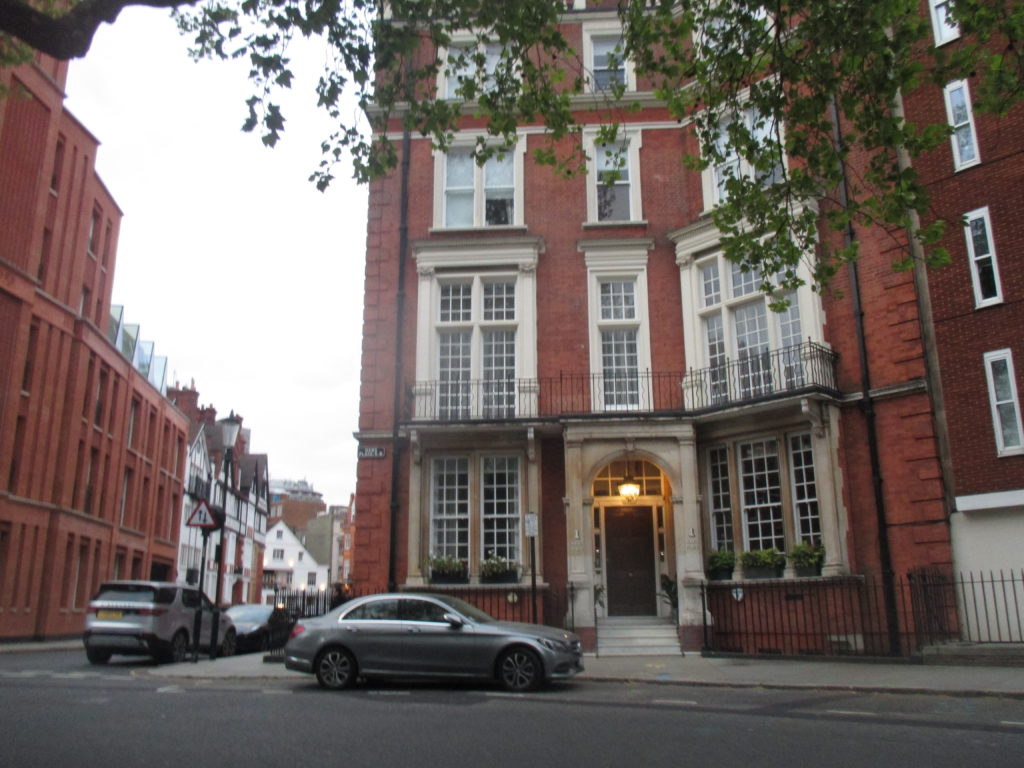
Je me mets à rêver de rencontrer ces vétérans tout comme j’ai eu tant de plaisir et d’honneur à parcourir les boulevards de Moscou le 9 mai 2015 au cours du Régiment Immortel au bras de Boleslaw Woloszyn, partisan polonais de 95 ans qui me narrait sa guerre dans les bois contre les nazis allemands et bandéristes tout en recevant les fleurs et les hommages des jeunes Russes, les « z prazdinkom » comme les « merci de nous avoir libérer » si émouvants.

Mais quelque chose me retient et je décide de revenir le lendemain après avoir examiné de près le Conseil d’Administration de la fondation.
La nuit tombe lorsque je continue ma promenade vers la maison du 206 Brompton Road. Nous avions identifié en janvier 2020 cette ancienne station de métro comme le point d’entrée des souterrains militaires de la guerre, siège du centre de commandement de la défense et point d’entrée vers le vaste système d’abris souterrains communicant de Londres. L’entrée du souterrain avait d’ailleurs brièvement été montrée au public quand la maison fut vendue en 2014 à Dimitri Fyrtach, sulfureux oligarques ukrainien. Encore un, pourquoi ces corrompus sont ils les gardiens de l’héritage anti-nazi des Anglais ?[1]
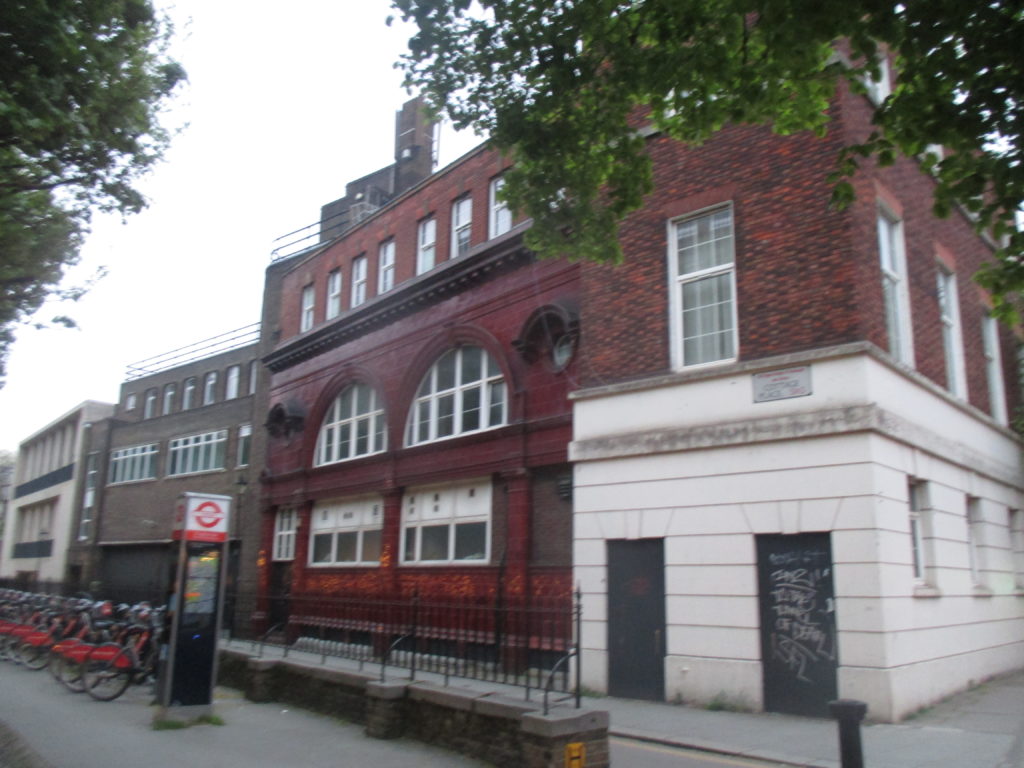
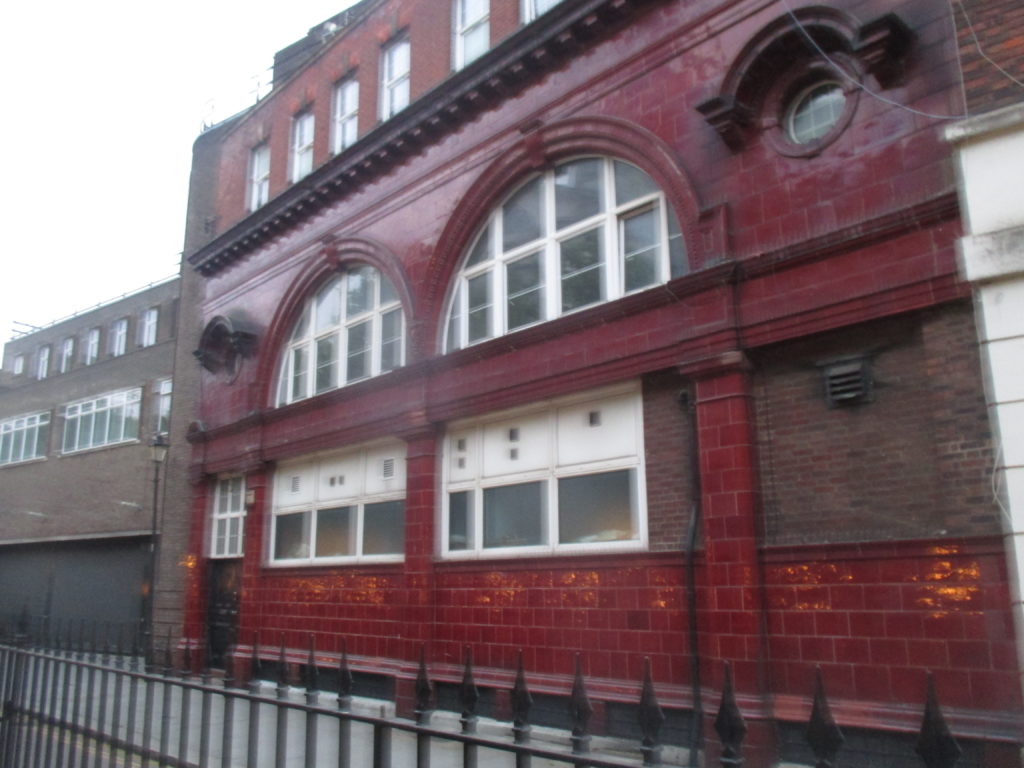
Gardien de la porte d’entrée du système de défense… cela fait réfléchir sur la guerre et le nazisme actuel. La petite maison aux grandes fenêtres aveugles est déserte en face du petit square jouxtant l’oratoire catholique et l’église Holly Trinity. Pas un chat, aucun nom sur la porte. Le quartier se vide dès que les magasins ferment. Il est temps de regagner un pub qui est si rempli que j’ai du mal à y trouver une place pour dîner.
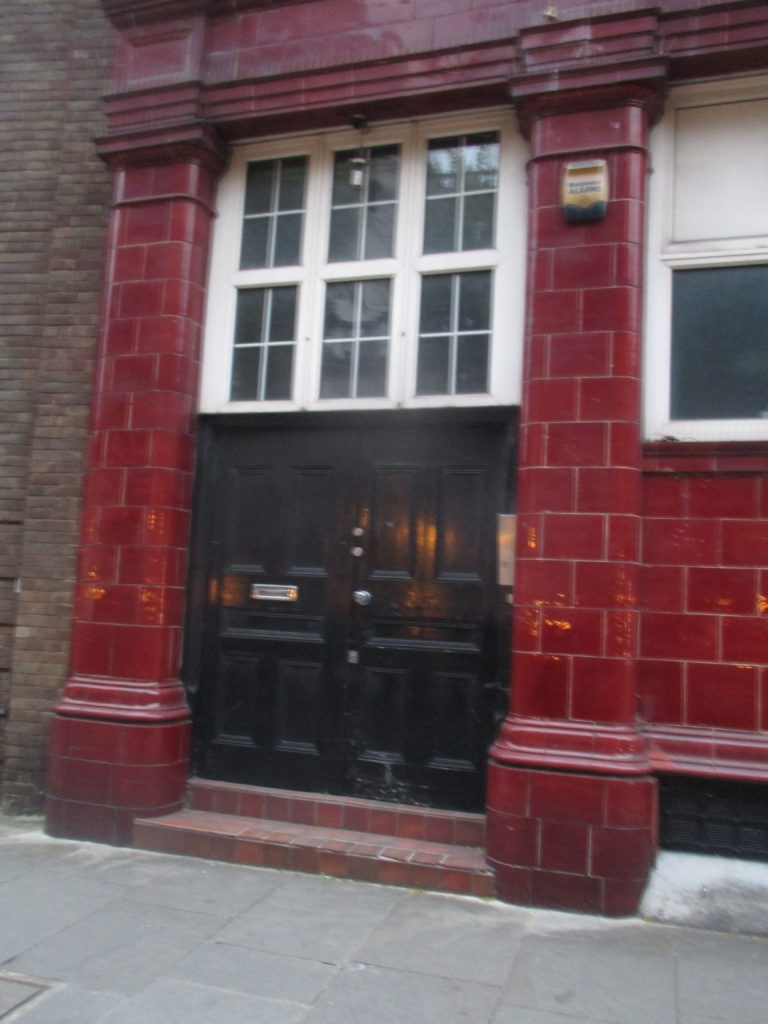
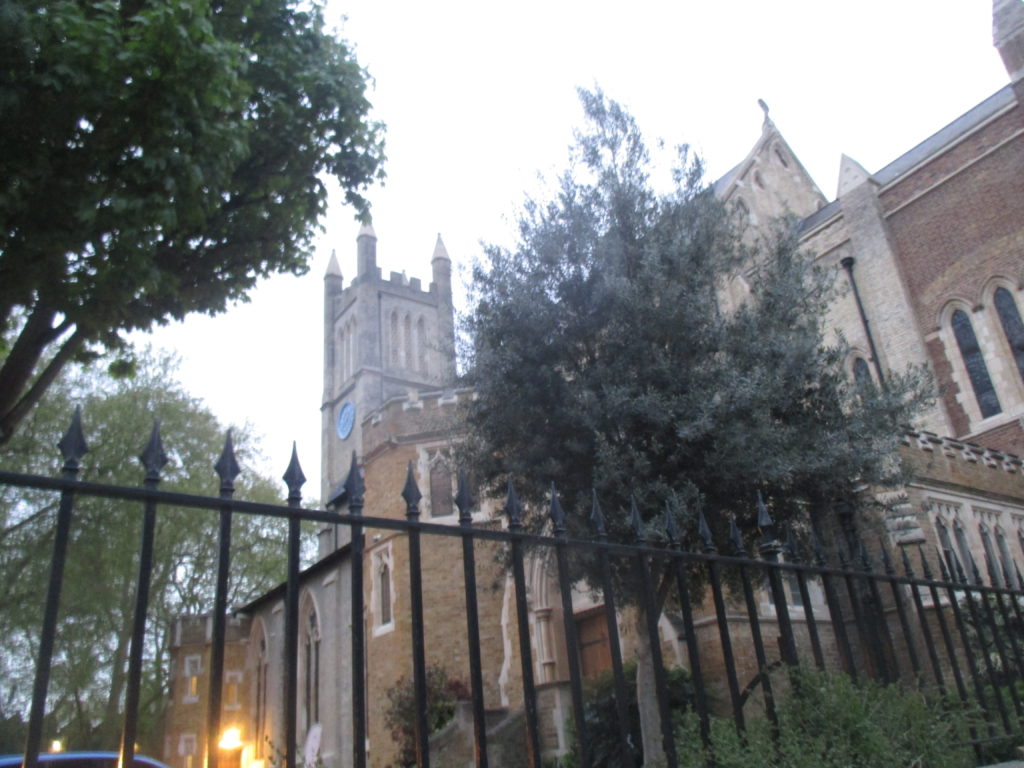
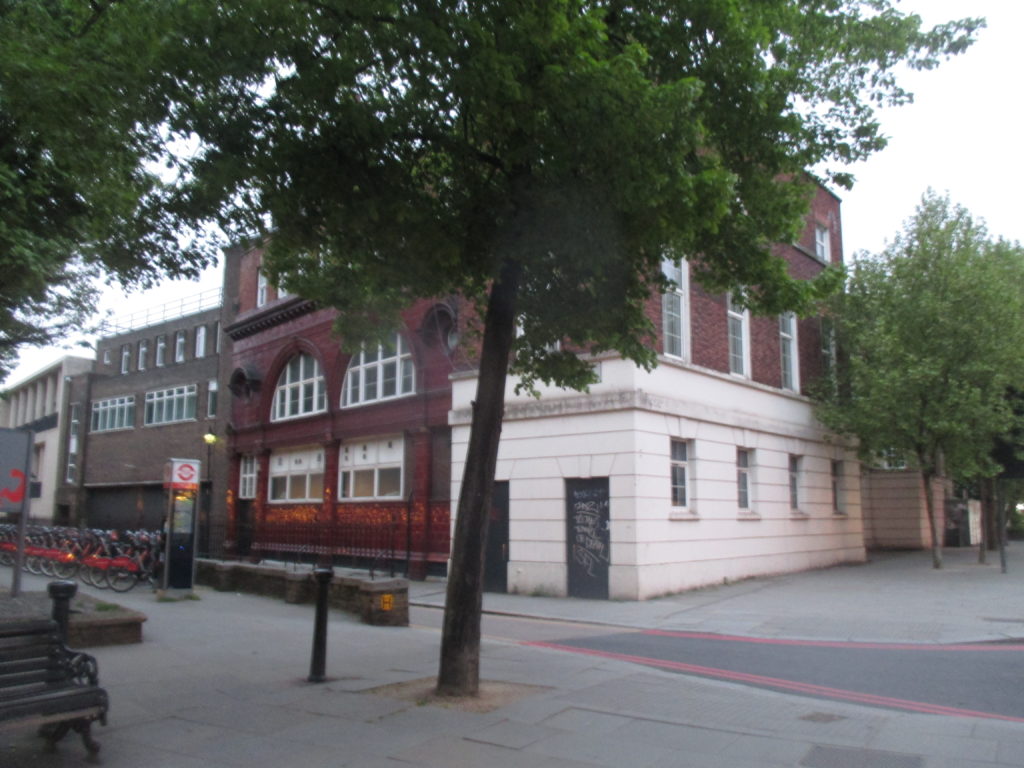

A l’hôtel je me replonge dans les CV des administrateurs de la Gerry Holdsworth Special Forces Charity Trust, les rapports financiers de 2018, 2019, 2020 et 2021 sont disponibles sous le numéro No. 802124 du « Charity Registration ». La fondation apparait comme une institution sérieuse qui finance des recherches, des expositions, l’entretien de sections muséales dédiés à la mémoire du SOE et de ses héros. Son budget en 2019 fut de plus d’1 million de livres, 770 000 en 2020 et 2021.
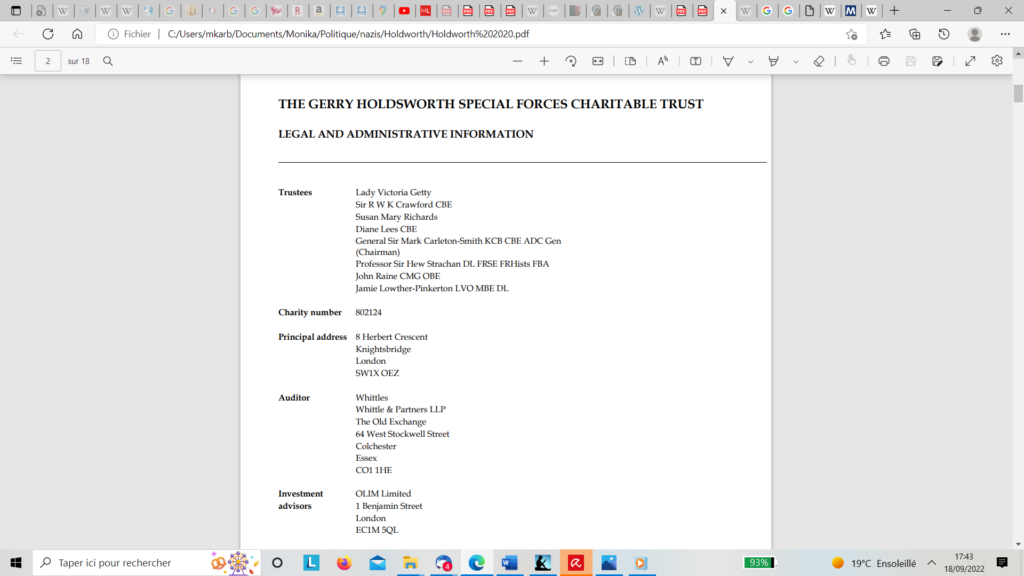
Mais la composition du conseil d’administration m’intrigue. A côté de Susan Richards figure Lady Victoria Getty, la fille présumée de Gerry Holdsworth. Née en 1944 elle est actrice, modèle pour Nivea ou des pâtes dentifrices. Mariée d’abord à un fils de raja, elle divorce et épouse John Paul Getty, un des propriétaire richissime de l’agence photo Getty Images qui a la monopole quasi exclusif des photos officielles des médias anglais comme on a pu le voir avec l’affaire Julian Assange[2].


Victoria et son mari passent pour de généreux philanthropes. Un sérieux site de recherche historique Transnational Résistance présente Paul Getty comme le fondateur en 1989 et le financeur du Gerry Holdsworth Charitable Trust, sur l’instigation de sa femme et avec la coopération du premier frère d’arme de Holdworth, Sir Francis Brook Richards[3].
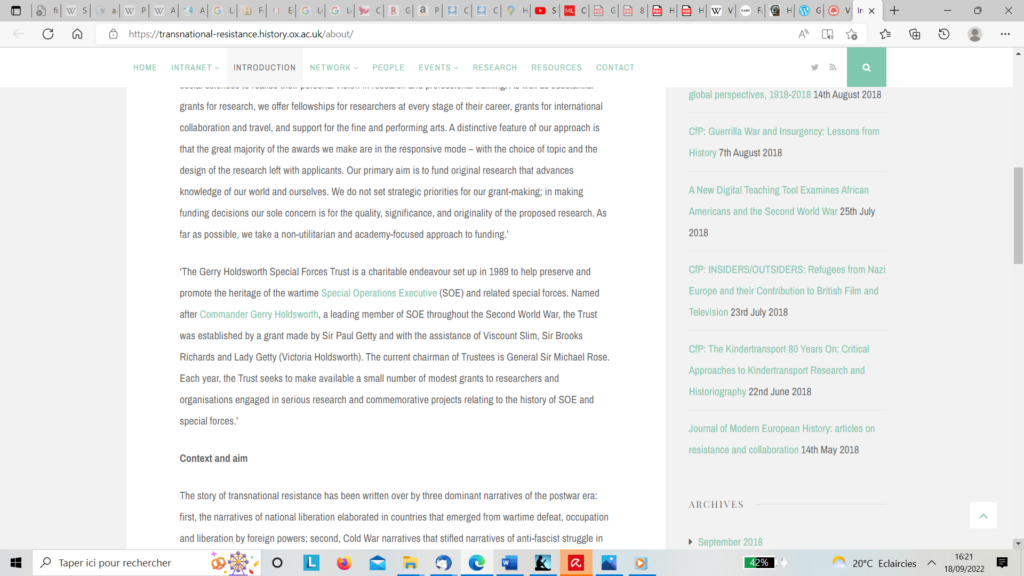
En tout cas Victoria Holdsworth Getty figure plus sur les pages de magazines people en tant que mondaine que dans des actions politiques ou scientifiques.
C’est étonnant que la fille d’un héros de guerre, un des chefs du SOE, ne soit célèbre que pour ses frasques conjugales, une vie de saltimbanque et les activités business spectacle de son second mari. Je ne trouve par ailleurs que peu de photos d’elle jeune ou dans la force de l’âge. Est-ce le biais d’internet, mais on a l’impression que la vie de Victoria Getty commence dans les années 2010, seules les photos prises par l’agence Getty Images apparaissent. De plus, aucun site ne mentionne sa mère, l’épouse de Gerry Holdworth reste inconnue. Après avoir vu des actrices venues de nulle part se faire passer pour des aristocrates, comme dans le cas de Tracy Ward et des ducs de Beaufort, je ne serais pas étonnée pas si j’apprenais que Victoria Getty n’est pas en réalité la fille de Gerry Holdsworth[4].
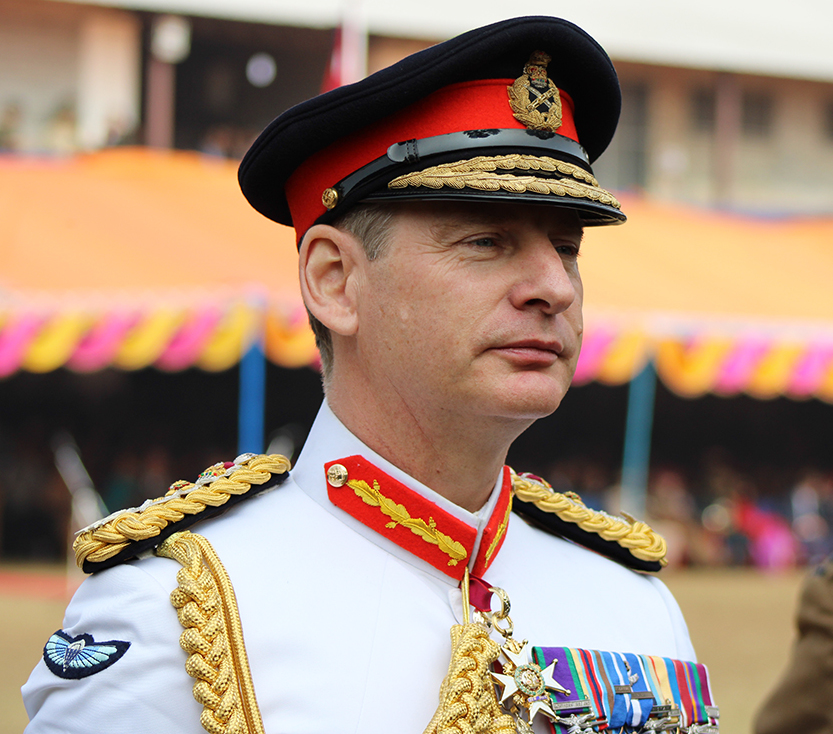
Le président de la fondation est le général Sir Mark Carleton Smith, ancien « Chief of the General Staff », chef d’état-major donc, et Directeur des Forces Spéciales. Agé de 58 ans l’homme est haut gradé d’active, c’est donc une personnalité du haut commandement britannique.[5] Est-il un président honorifique ou joue-t-il un rôle réel dans cette fondation ? En tout cas sa présence laisse supposer que cette organisation n’est pas dédiée uniquement à la question mémorielle mais joue un rôle politique.
Sir Robert William Kenneth Crawford, né en 1945, a été directeur de l’Imperial War Museum et administrateur de nombreux musées anglais[6]. Parmi les administrateurs plus jeunes, j’ai la mauvaise surprise de voir Diana Lee, l’actuelle directrice du musée et donc responsable de la détestable exposition que j’ai vue la veille et que j’ai critiqué ici.[7]
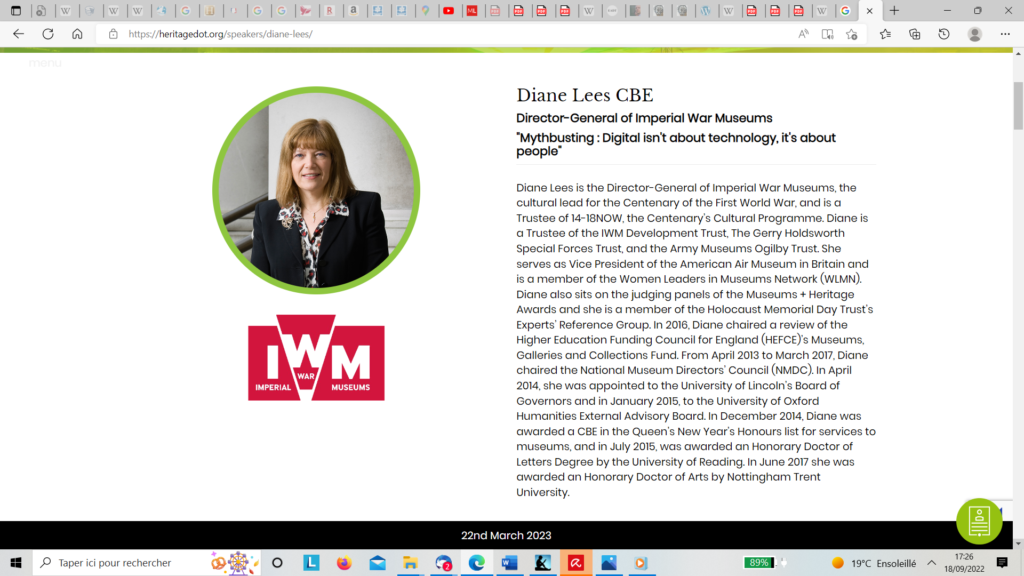
Son bagage historique étant plutôt mince, elle a surtout l’air d’être une spécialiste de mise en scène théâtrale dans les musées. C’est en tant que tel qu’elle s’est illustrée à la tête du musée des arts de l’enfance (V and A Childhood Museum).[8]
En contraste le professeur Sir Hew Stracham est un véritable historien spécialiste de l’histoire de l’armée britannique et auteurs de nombreux livres qui traitent cependant plus de la première que de la seconde guerre mondiale.[9]
Hew Strachan — Wikipédia (wikipedia.org)
L’administrateur John Raine est quant à lui issu du domaine politique : diplomate de métier, il a dirigé l’implication britannique dans l’invasion anglo-américaine de l’Afghanistan et de l’Irak. En ce qui concerne la guerre contre la Russie en Ukraine, il est un fervent va-t-en guerre de l’OTAN[10] au côté des nazis bandéristes. Il est fort dommage qu’un tel personnage puisse utiliser le nom de héros anti-nazi comme Brooks Richards ou Holdworth pour se donner une image de notable respectable. Ses analyses à l’International Office of Strategic Studies le situe clairement en tant que soutien du bellicisme occidental.[11]

Et pour finir Jamie Lowther-Pinkerton fut écuyer de Elizabeth Bowes Lyon senior et membre de SAS et secrétaire privé de William « Windsor » Battenberg/ Saxe Coburg Gotha, dit prince William. C’est donc un membre influent du système royal, mais il n’a rien à voir avec l’histoire glorieuse des combats contre le nazisme allemand. [12] Il est intéressant de voir qu’il est marié avec Susannah Lucy Richards, peut-être vraie petite fille de Sir Brooks Richards ?[13]
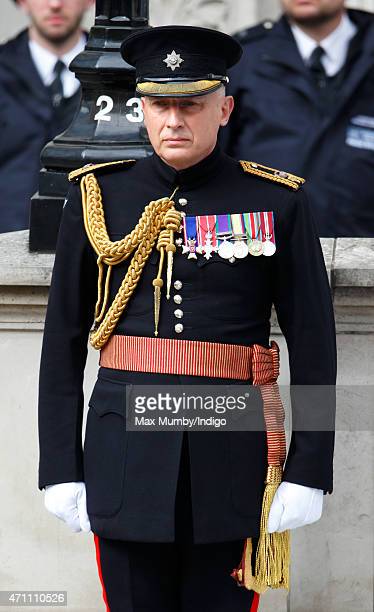
Il s’intéresse aussi de près au milieu du journalisme, sous couvert de former les journalistes aux « risques ». Etant donné sa proximité avec le pouvoir, on peut aussi penser qu’il est responsable d’une forme de contrôle de la caste royal sur les médias.[14]
Je retrouve dans la fondation Holdworth des personnes qui sont au cœur du système de pouvoir en Angleterre. Par contraste les vrais historiens du SOE comme Michael Foot en sont absent.

Assise à ma table dans la salle commune de mon hostel populaire et peuplé de jeunes fan du club de Chelsea regardant du foot, buvant bière et parlant fort, je tourne dans ma tête et sur mon écran d’internet ces informations, toute la soirée.
A deux heures du matin, je découvre ce que je cherche : le 8 Herbert Crescent, situé juste derrière le pâté de maison de 1 Hans Crescent et du 3 Hans Crescent cher au Storytelling Assange, est le Special Forces Club, le QG historique des espions anglais crée en 1946!
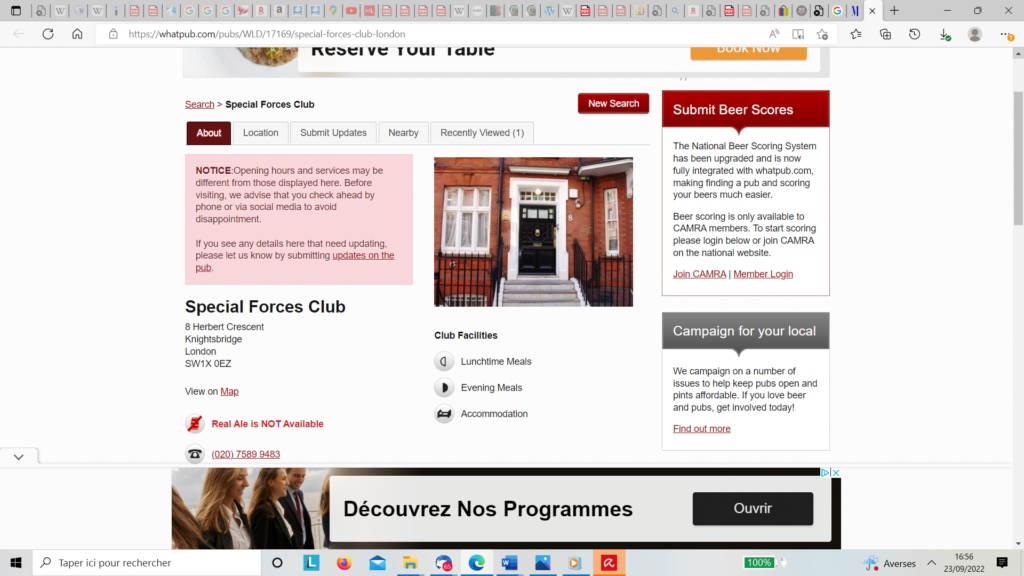
Et c’est un simple site guide touristique qui m’a l’apprend ![15]
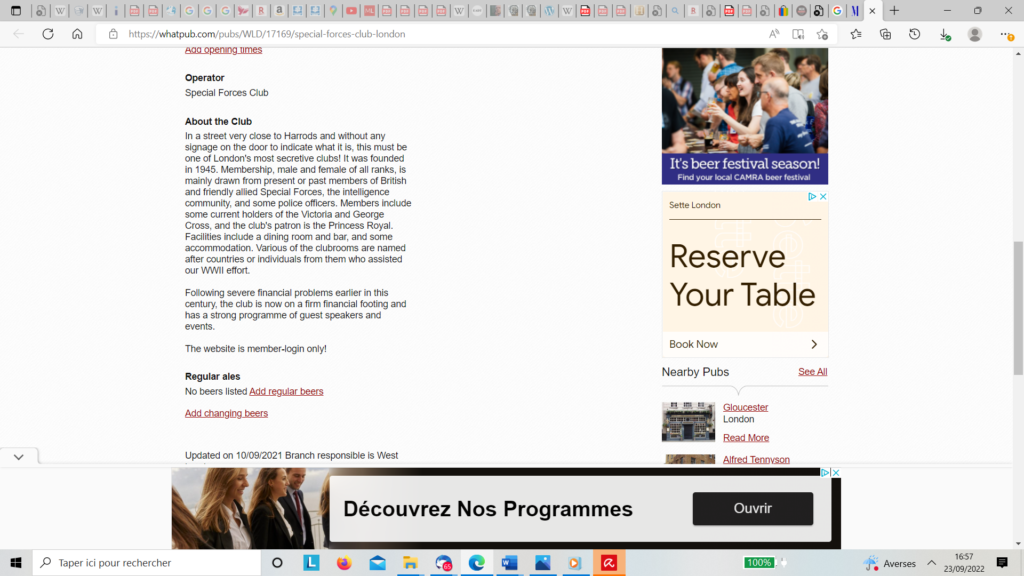
Le site internet du lieu reproduit la porte en bois avec la poignée luisante de laiton en forme de gueule de lion, c’est bien la porte que j’ai observé cette après -midi. Mais la porte du site internet me reste fermée : il faut en être membre pour franchir le seuil virtuel du Special Forces Club (sfclub.org)
Qu’à cela tienne, la page wikipedia officielle me renseigne pratiquement sur tout… Special Forces Club – Wikipedia

J’apprends que le Special Forces Club a été crée en 1945, donc au moment de la dissolution officielle du SOE, par son dernier commandant Sir Colin Gubbins, comme un prolongement du SOE. Sont membre du club de droit les agent du SOE, leurs familles et descendants, qu’ils soient Anglais ou Français. Les Français ont été nombreux puisque le SOE était l’organisation qui avec ses deux sections F et RF menaient la guerre subversive contre les nazis en France. De plus, selon ces informations officielles, en sont membre aussi les Résistants de pays qui ont été en lien avec le SOE.
Cela en fait du monde si on comprend que chaque parachuté ou déposé en Lysander était considéré comme un « agent », (par exemple, Jean Moulin est pour le SOE un « agent »), et qu’aucun Résistant d’aucun pays ne pouvait franchir la mer sans l’aide du SOE ou de l’Intelligence Service.
Le but du Club était selon Gubbins « établir un Club qui serait d’un bénéfice pratique et immédiat pour les jeunes membres du SOE, hommes et femmes qui nous avaient rejoints pendant la guerre et qui, à la fin de celle-ci, devaient commencer une vie complètement nouvelle dans un monde étrange et bouleversé. Le deuxième objectif institutionnel du SOE était de « maintenir et de renforcer encore les liens intimes que, par nos activités de guerre, nous avions établis avec les hommes de bonne volonté dans tous les pays occupés d’Europe et d’Asie, dans le but d’essayer de favoriser la compréhension mutuelle et de créer un monde plus heureux. Dans tous ces pays, des hommes qui étaient depuis des années en association intime et constante avec nous, certains jusqu’alors obscurs, accédèrent à la fin de la guerre aux plus hautes fonctions gouvernementales ».
On ne pourrait avoir une définition plus clair d’un réseau d’influence…[16]
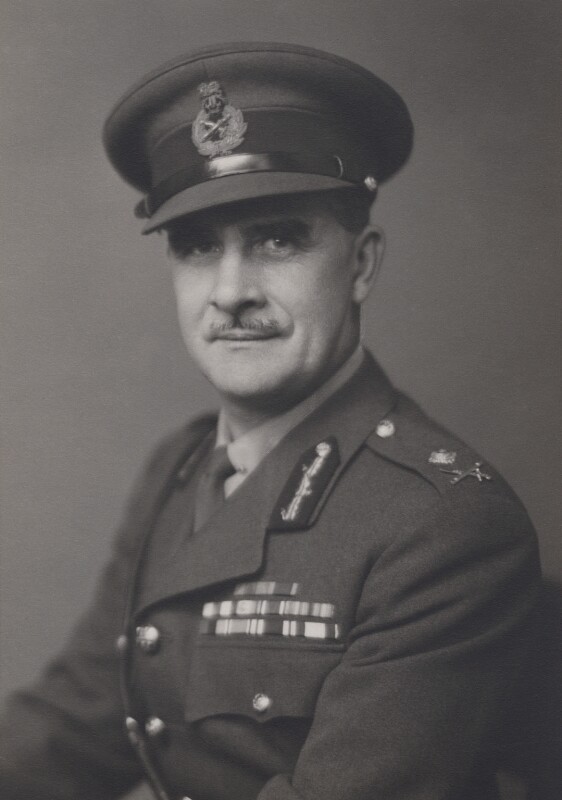
De plus, étant donné le nombre de femmes dans le SOE et contrairement aux autres clubs comme le Travellers Club, le nombre de femmes travaillant pour les services secrets étant toujours élevé (souvent à des postes sédentaires d’archivage et d’organisation, il est vrai), ce n’est pas un club masculin, comme j’ai pu le constater au nombre de femmes distinguées se dépêchant à la réunion d’hier soir.
Cela d’autant plus que le Club est aussi ouvert aux membres actuels de la « communauté du renseignement », comme on dit joliment dans ce milieu. On s’aperçoit que le premier service de renseignement US cultive aussi ses racines sur ces pages OSS REBORN : Office of Strategic Services

Evidemment, il est plus probable que les valeurs actuelles du Club soient plus proche de l’idéologie otanienne que de l’anti-fascisme du SOE, mais qui sait, je ne dois pas avoir d’a-priori.
En tout cas je suis sidérée de constater à quel point la mise en scène « Assange en Equateur » se déroule juste en face, à quelques centaines de mètres, juste devant le Club des Espions britanniques ! Les agents n’ont pas trop à voyager dans Londres pour le montage du spectacle : il suffit de tourner au coin de la rue ou peut-être même emprunter un passage souterrain entre deux immeubles, le 1 et 3 Hans Crescent et le 8 Herbert Crescent, car il ne faut pas perdre de vue cet aspect historique du quartier. [17]
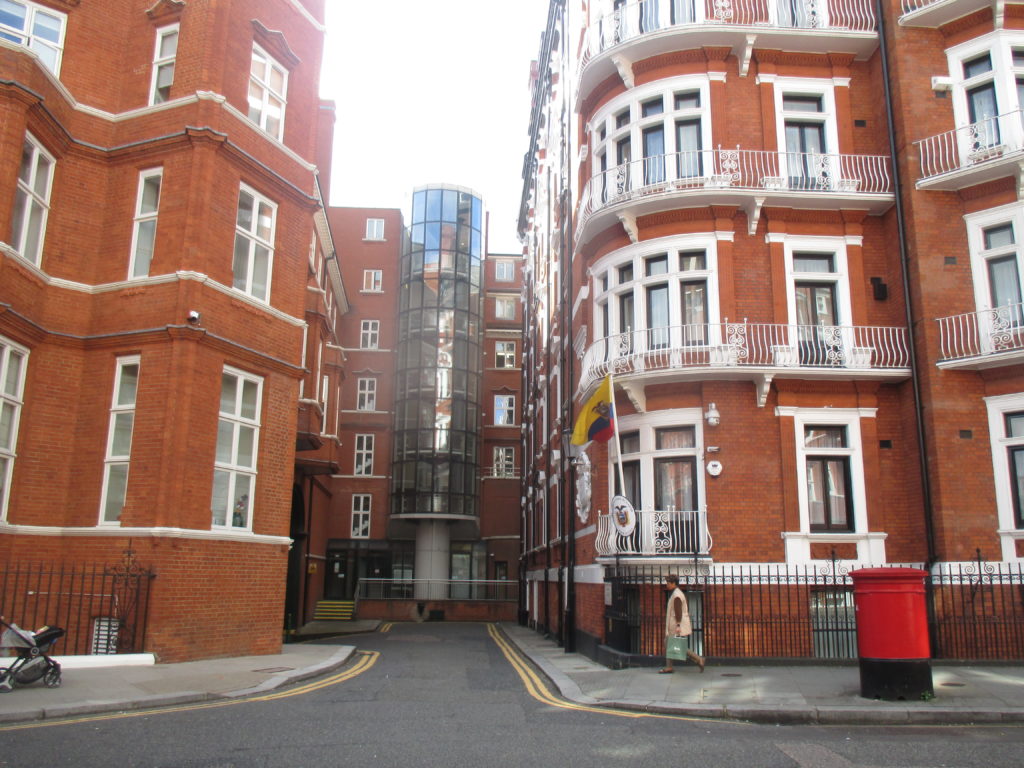
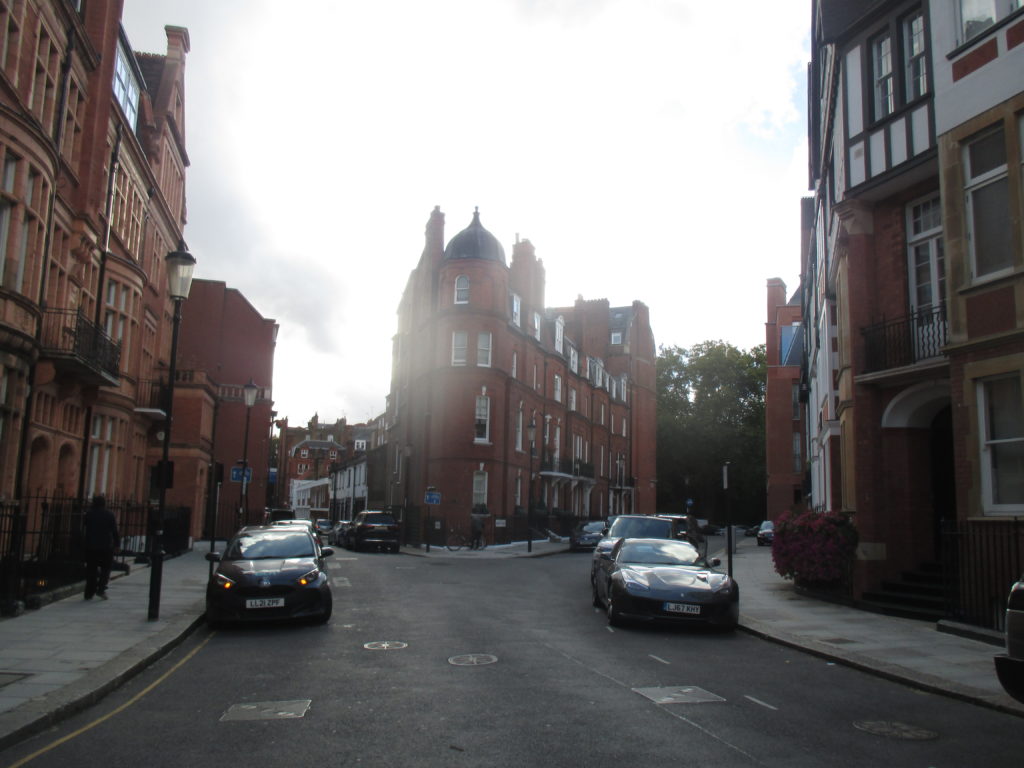
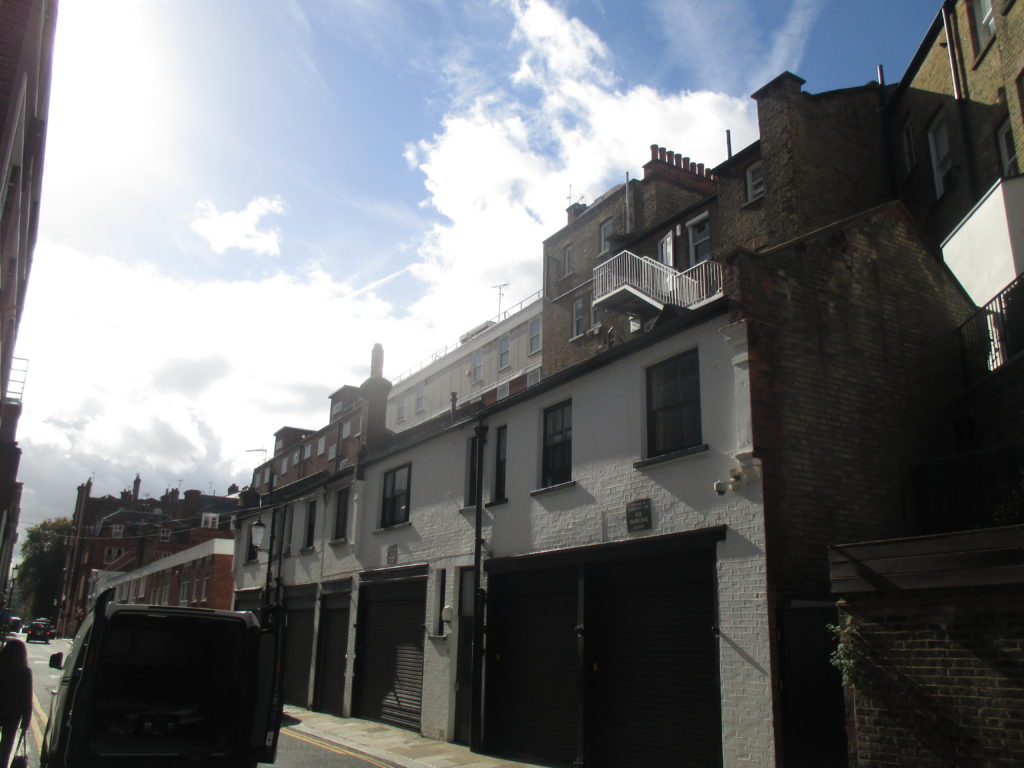
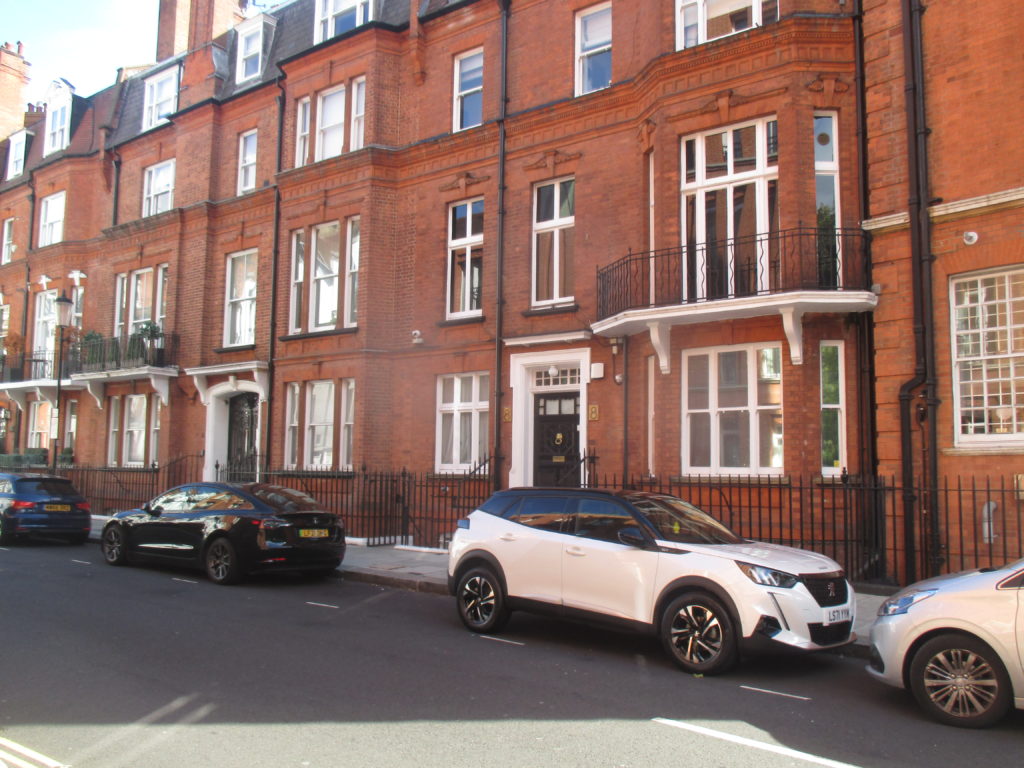
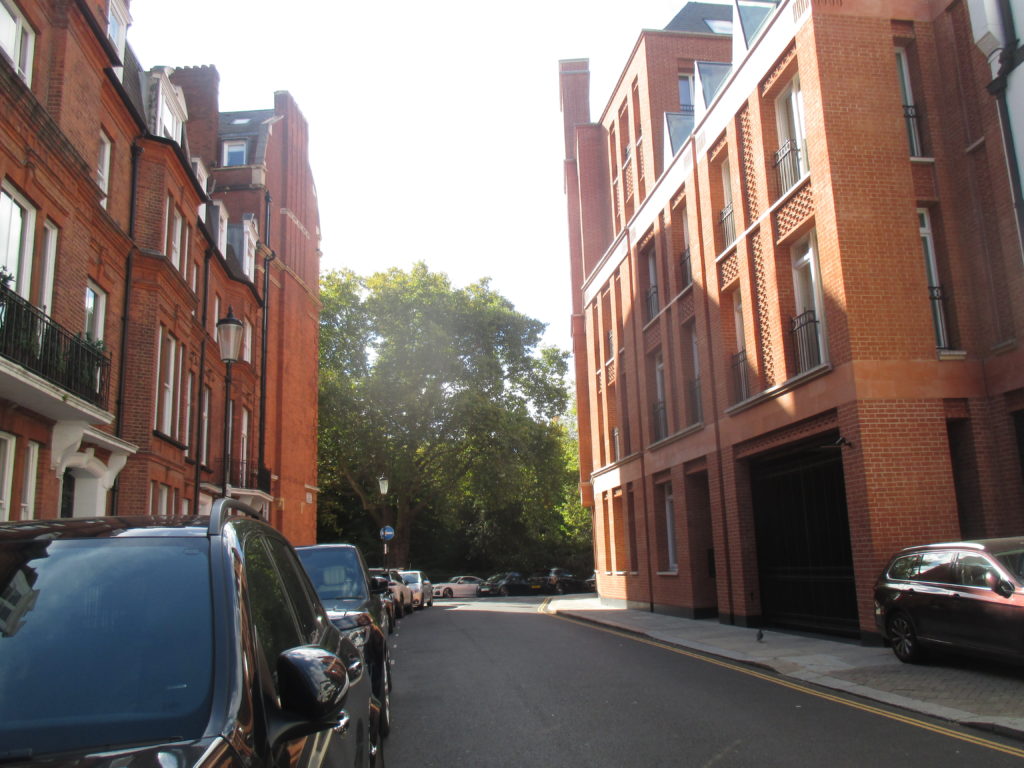
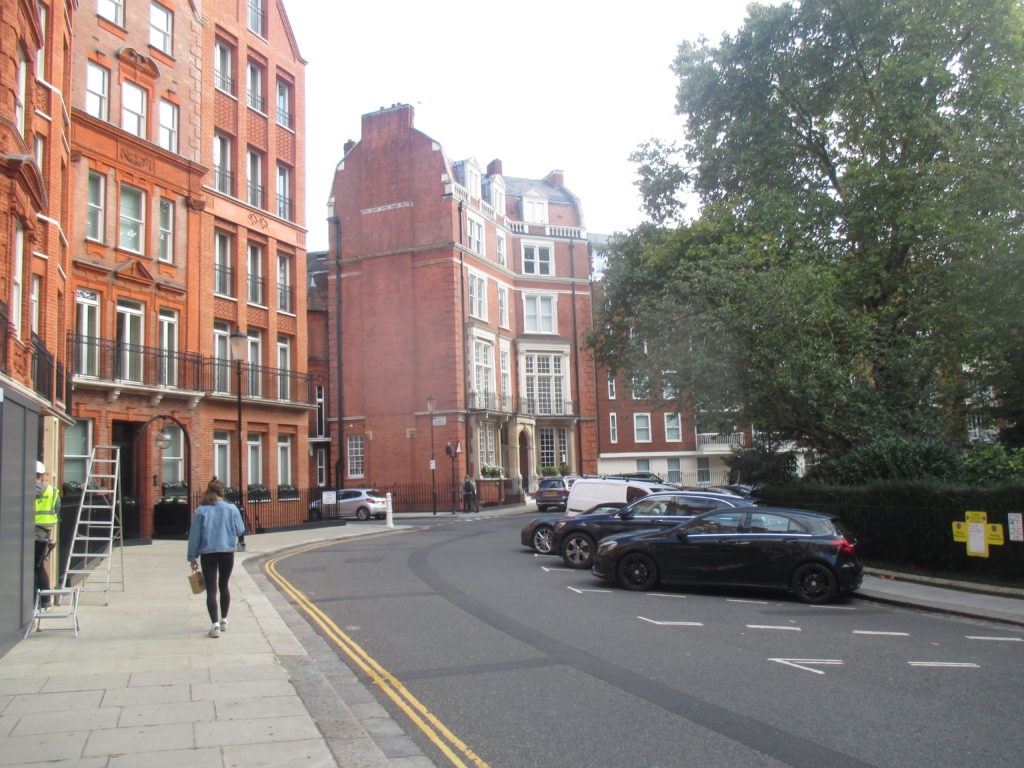
Il est d’ailleurs intéressant de voir que sur le plan officiel de Google le 8 Herbert Crescent est affublé d’une adresse commerciale anodine « IC Global trading «, tandis que « l’ambassade de l’Equateur » a disparu et seule la mission de Colombie apparait. Mais on y voit bien que le centre des agents se trouve juste derrière le pâté de maison ou se déroule la mise en scène de la captivité d’Assange.
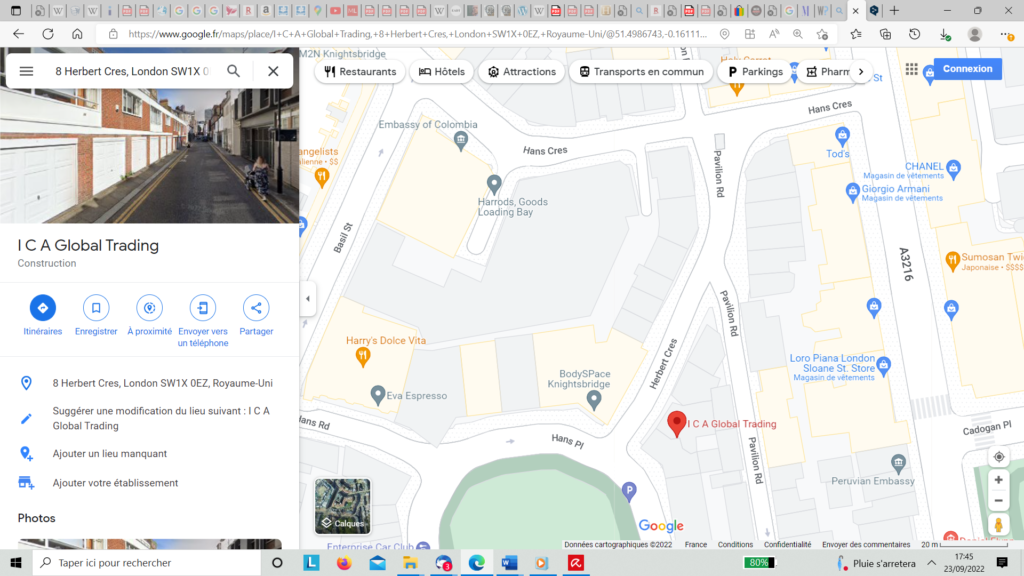
Comme les agents secrets des forces actuelles, les SAS et autres commandos, peuvent aujourd’hui être membres du club, cet endroit en apparence anodin est donc aussi un important lieu de pouvoir.
Une simple promenade dans le quartier montre à quel point il est facile d’y préparer une opération psychologique, une mise en scène : le centre de commandement a son club et les souterrains appartenant au ministère de la Défense relient les bâtiments les uns aux autres. Il y est facile de louer une pièce pour servir de lieu de tournage et de fermer la rue comme lieu de décor. Ou d’emprunter un appartement à l’Equateur ou à la Colombie… Les travailleurs du quartier le savent, d’où cet air goguenard des serveurs de la pizzeria en face du Harrods, déjà en 2019 lorsqu’ils ont compris que nous venions pour Julian Assange. La mendiante roumaine de Suceava en faction devant le Harrods que j’ai interrogée le 10 octobre 2019, devait en savoir long également.
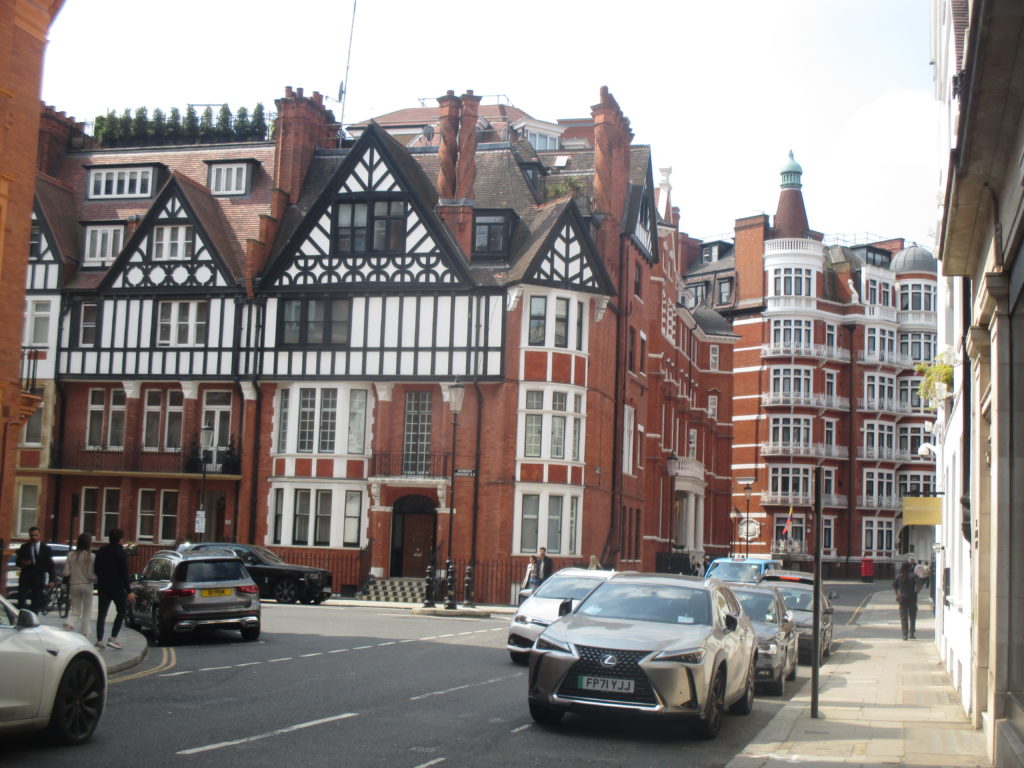
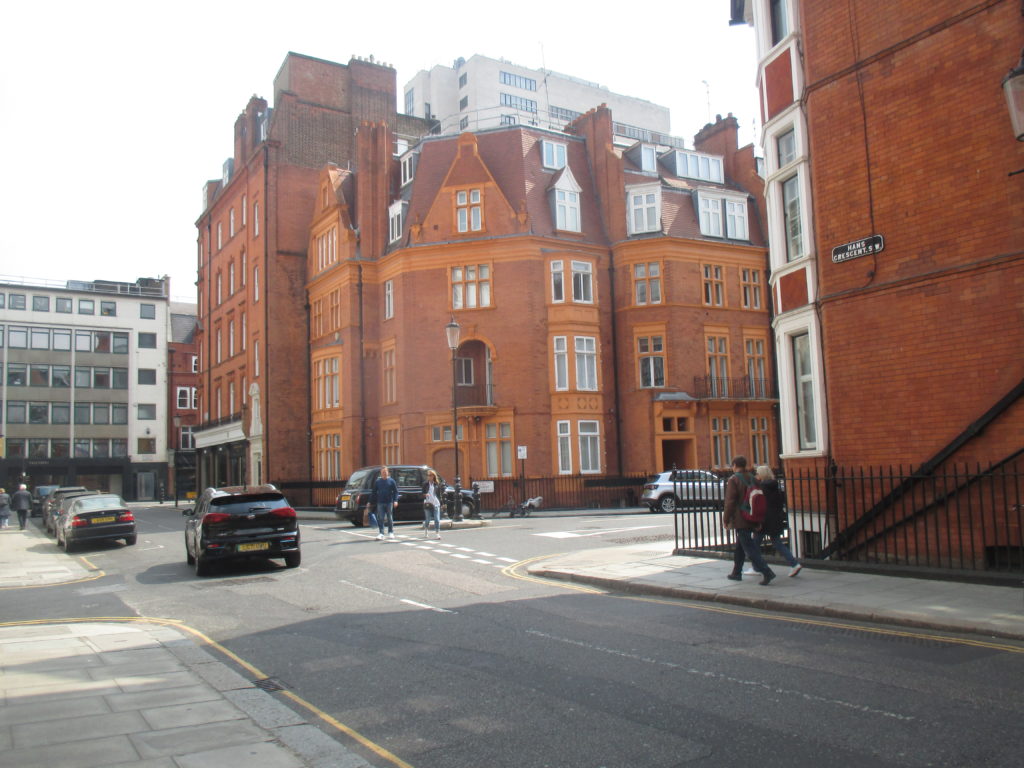
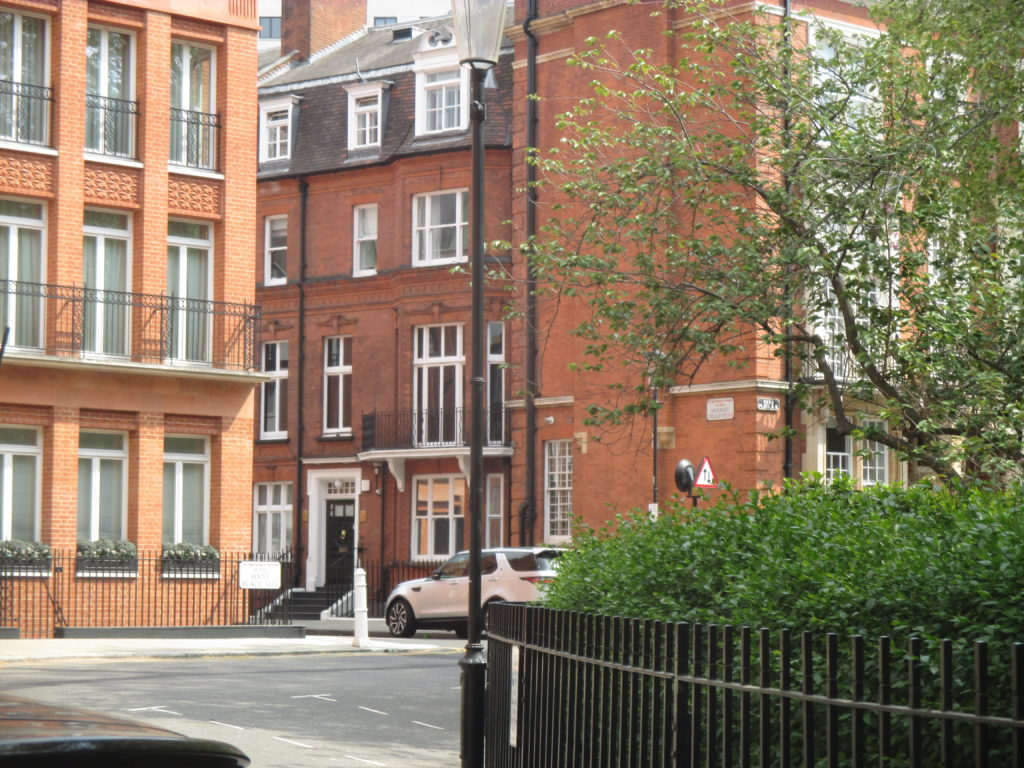

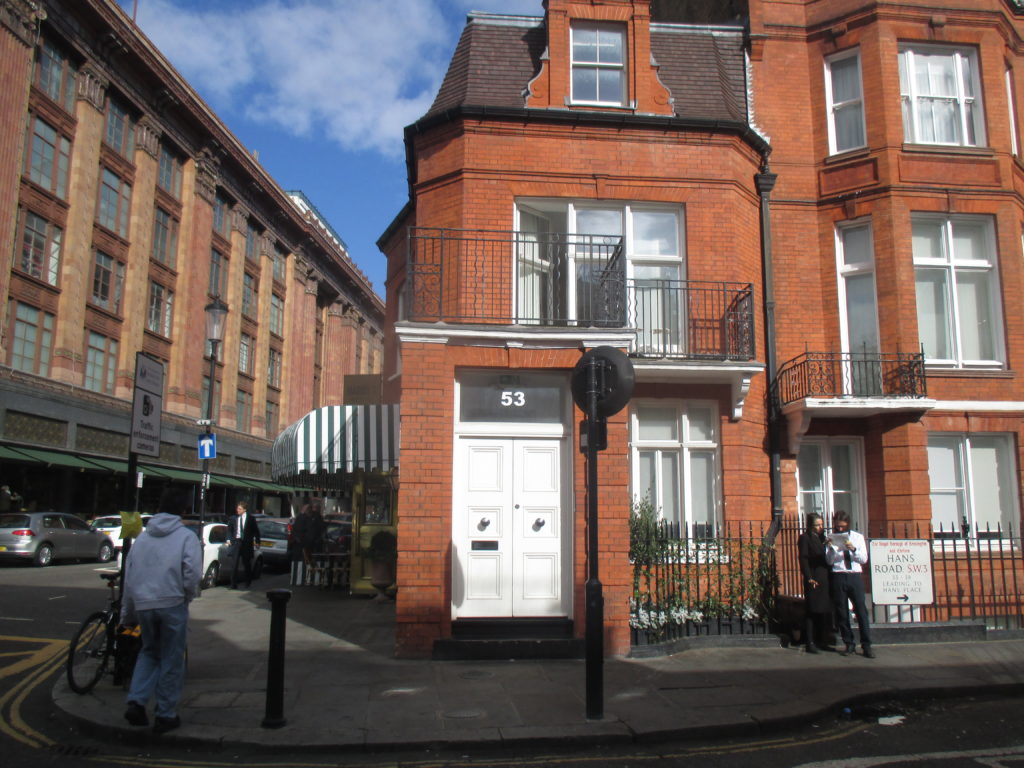
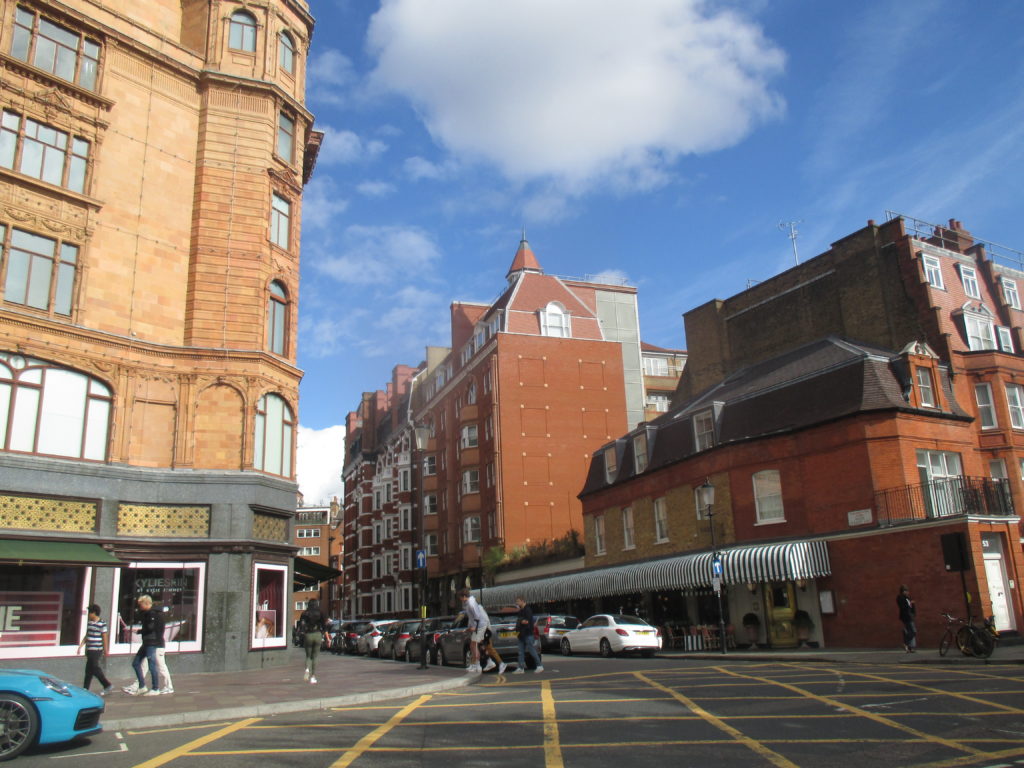
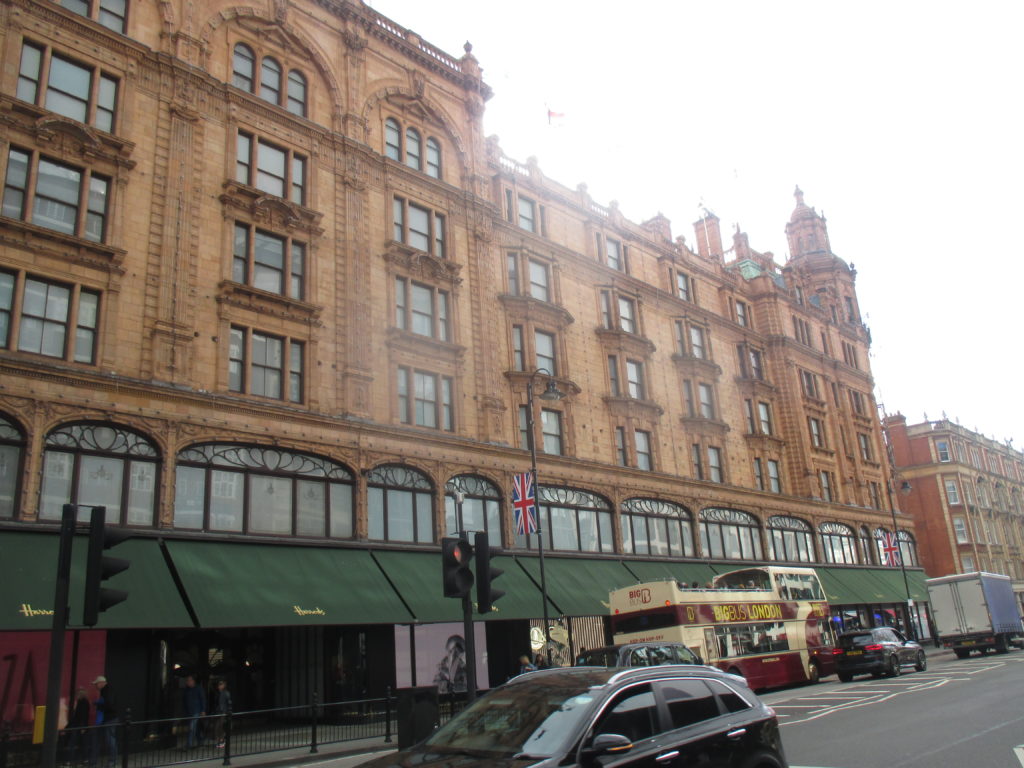
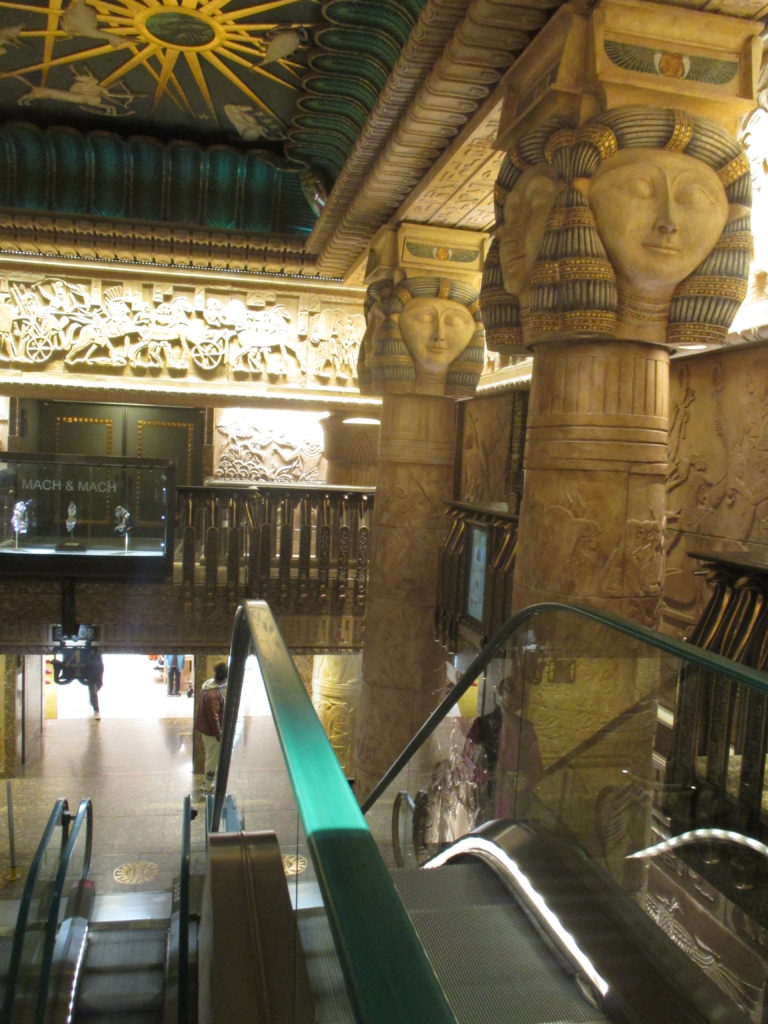
En lisant le livre de l’historien Michael Foot qui fut aussi agent du SOE en France « Les Anglais dans la Résistance, Le SOE en France 1940-1944 »[18], j’ai appris que la section F est celle qui a fait le renseignement et le sabotage en France indépendamment du BCRA.
Pour cet historien, la Section F a à son actif de grandes réussites comme l’organisation des réseaux qui, en coopération avec la Résistance, ont abouti à la libération du Sud-Ouest et de Bordeaux par des militants comme Lise et Claude de Baissac[19] et par des agents britanniques aguerris comme le commandant Aristide. Il faut aussi mentionner le soutien au maquis de l’Ain de Henri Romans- Petit avec le réseau de Richard Helsop[20] et beaucoup d’autres actions bien décrites dans les récits de Michaël Foot basés sur les archives britanniques inédites.
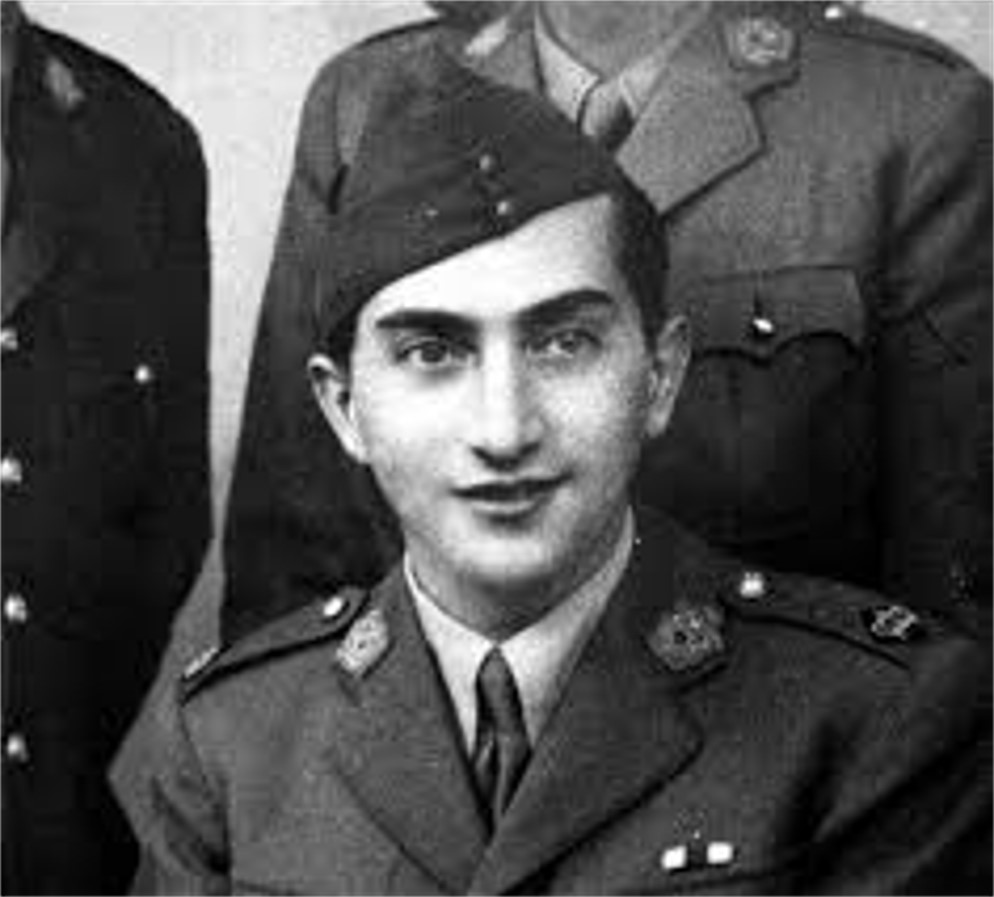
Mais il y a aussi certaines zones d’ombres[21] et un terrible tribut payé par les femmes et les hommes qui se sacrifièrent à cette immense tâche de guerre subversive contre les nazis. Le principal échec est l’anéantissement du réseau Physician-Prosper[22] et l’arrestation, la torture et l’exécution de centaines de personnes – des agents britanniques comme Francis Suttil, des agents et des Résistants français comme Jean Worms[23], ( le frère du futur fondateur de « l’Observateur » Roger Worms dit Stéphane), leurs familles, les otages pris par la Gestapo…
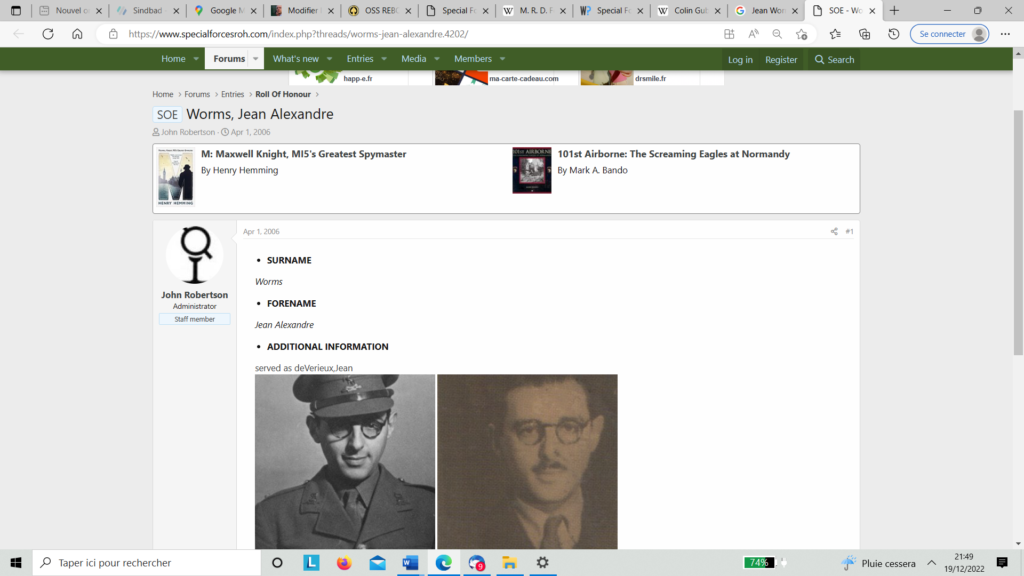
Ces échecs du SOE, des auteurs importants comme Bob Maloubier et Jacques Bureau[24] les imputent à la trahison du pilote français Henri Déricourt et à la complaisance de l’Intelligence Service et du SOE face à cette trahison qu’ils connaissaient.
En effet, Henri Déricourt travaillait avec l’Abwehr bien avant la guerre, mais il fut blanchi dans son procès par le Major Bodington[25] lui-même en 1949.
Il est troublant de se rendre compte que Bodington comme Déricourt ont connu Karl Bömelburg avant la guerre et que le chef de la Gestapo en France, tortionnaire en chef des Résistants, très probablement l’assassin de Jean Moulin, n’a jamais été en réalité poursuivi par la justice française, ni évidemment condamné. Il s’est évanoui dans la nature sous prétexte d’un accident, dès 1946. Très probablement une fausse mort, comme il est coutume dans le milieu des services secrets quand on veut faire disparaitre un agent : « chez nous on ne meurt jamais vraiment », comme nous l’a dit l’un d’entre eux, fort justement.
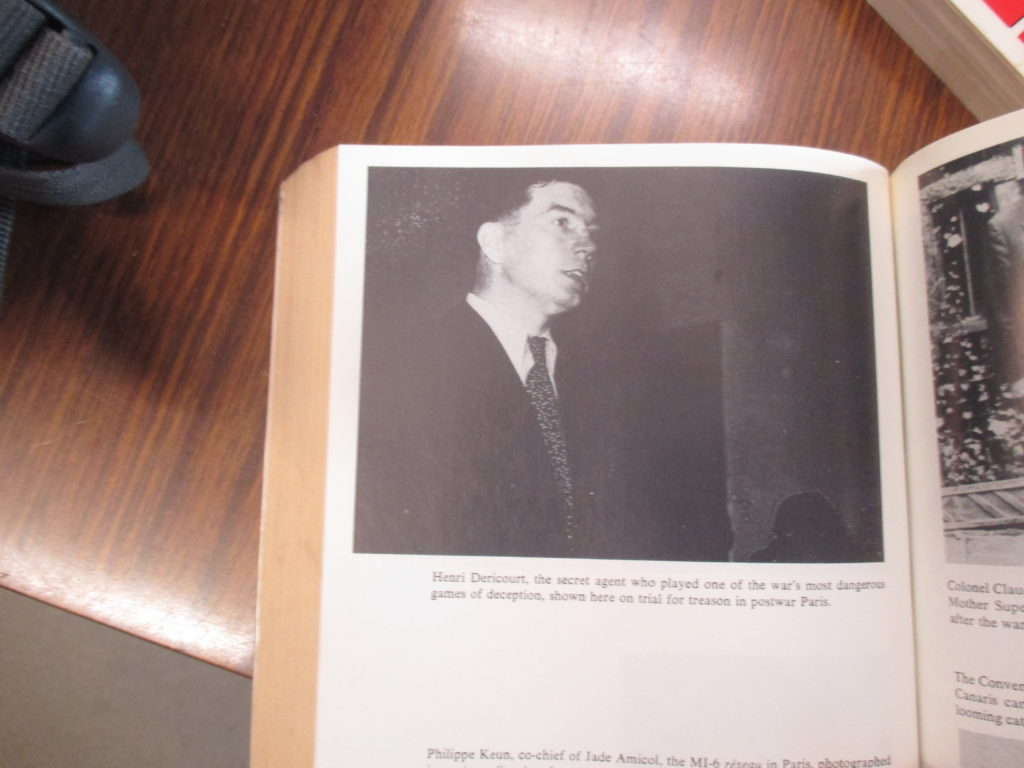
Je découvre aussi une association Libre Résistance, qui est dépositaire de la mémoire des actions du SOE en France et organise les cérémonies de commémoration au mémorial du SOE à Valençay. Libre Resistance

J’aime bien le logo du club des espions qui rend bien l’esprit du SOE – l’homme qui saute en parachute sur la ville en flamme avec l’inscription « Spirit of Resistance ». Si je ne garde que l’histoire de la lutte anti-nazie du SOE , je peux faire mienne cette devise.
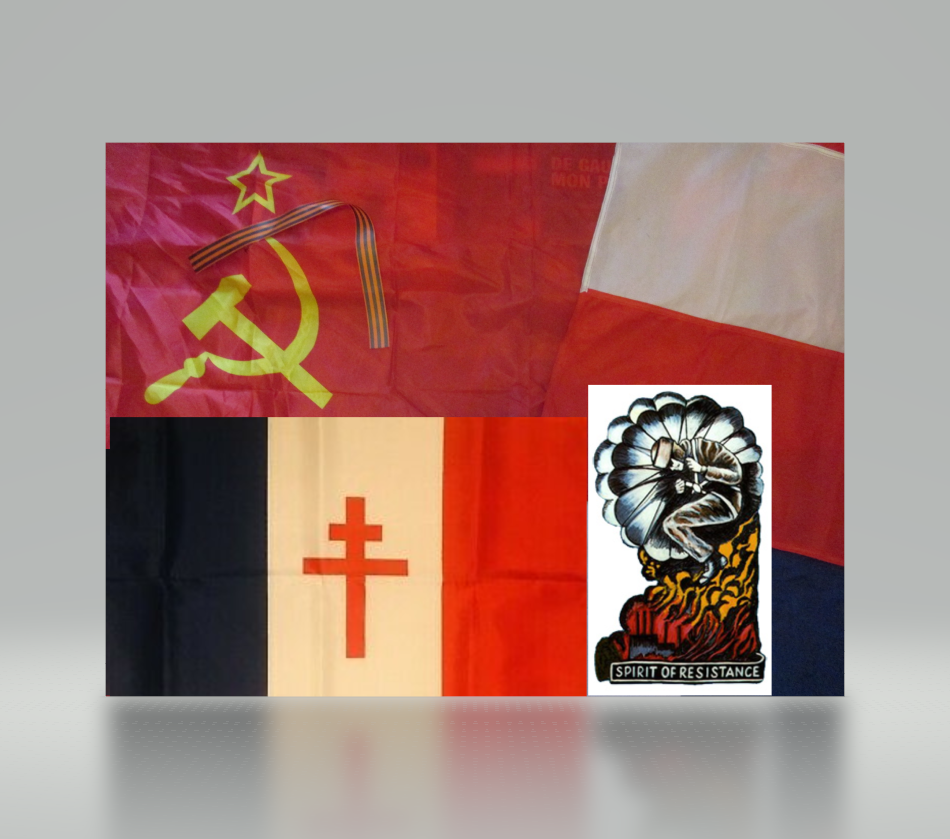
Cependant la section F du SOE opérait en France sans en rendre compte à de Gaulle ni à aucun responsable français. Les témoignages et les recherches menées depuis montrent que des Résistants et agents de la France Libre ont pu coopérer localement avec les agents du SOE, surtout à l’approche du débarquement, mais de Gaulle n’a jamais accepté cette intrusion anglo-saxonne sur le territoire français, aussi bien intentionnée qu’elle fut. Dès la fin des hostilités il a signifié à Roger Langres, dit Aristide, le libérateur de Bordeaux, son ordre de quitter la France, comme à Georges Starr à Toulouse.
On peut imaginer que les Français Libres et les Résistants aient pu craindre à juste titre que les réseaux du SOE ne puissent constituer un excellent vivier et une structure toute prête pour des réseaux de type « Stay Behind », répondant uniquement devant des instance anglo-saxonnes au détriment de la souveraineté française. Malgré la dissolution apparente du SOE en 1946 et la fusion de ses services avec l’IS, on peut imaginer qu’un tel outil sur le sol français n’a pas disparu.
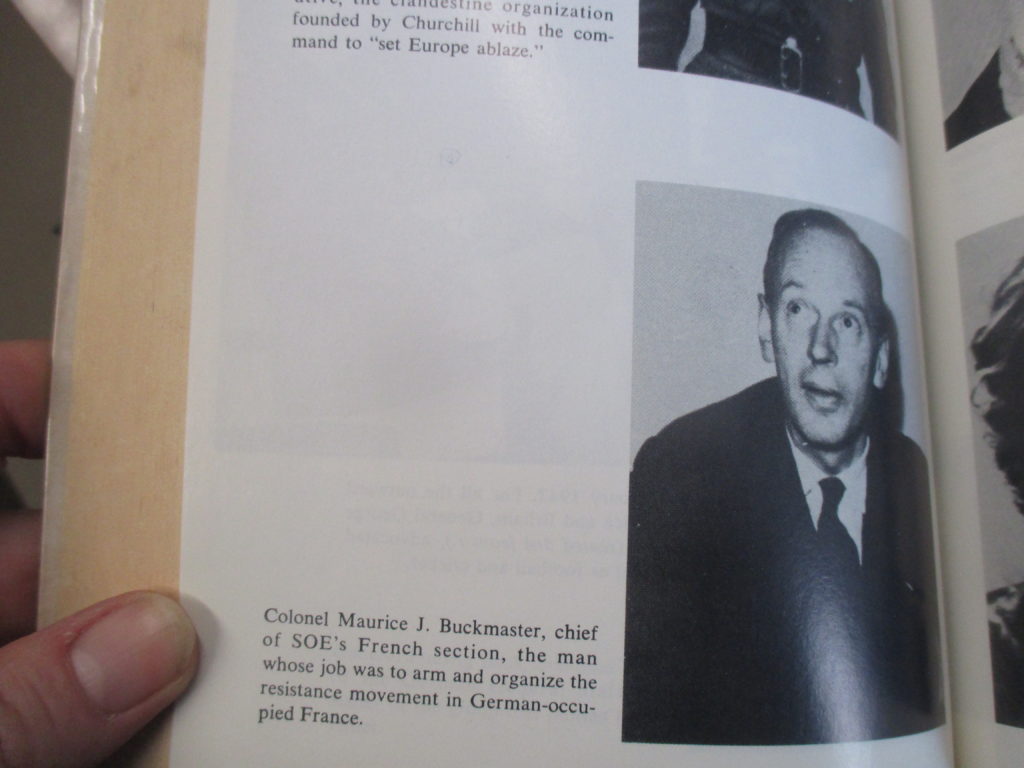
La section RF du SOE était la section qui qui travaillait avec le BCRA du colonel Passy, surtout dans le domaine militaire et opérationnel (parachutages, sabotages, circulation d’agent et préparation des opérations militaire du Débarquement.) Le BCRA gardait la main sur l’aspect politique de la Résistance et de la lutte pour la Libération afin d’empêcher les Britanniques et plus tard les Américains de s’immiscer dans les affaires intérieures françaises, ce qui de toute façon fut inévitable étant donné la situation du pays.
Mais le SOE considérait aussi toute personne ayant été envoyée en France par avion/et ou parachute ou en bateau comme un membre du club. Or, tous les Français étaient envoyés par bateau ou par avion en France. Michaël Foot présente même Jean Moulin comme un agent du SOE, l’un des meilleurs d’ailleurs ! Tous les Résistants qui ont fait ce chemin et leurs descendants ont -il été et sont-ils donc de fait membre du Club du 8 Herbert Crescent ? L’hypothèse est passionnante.
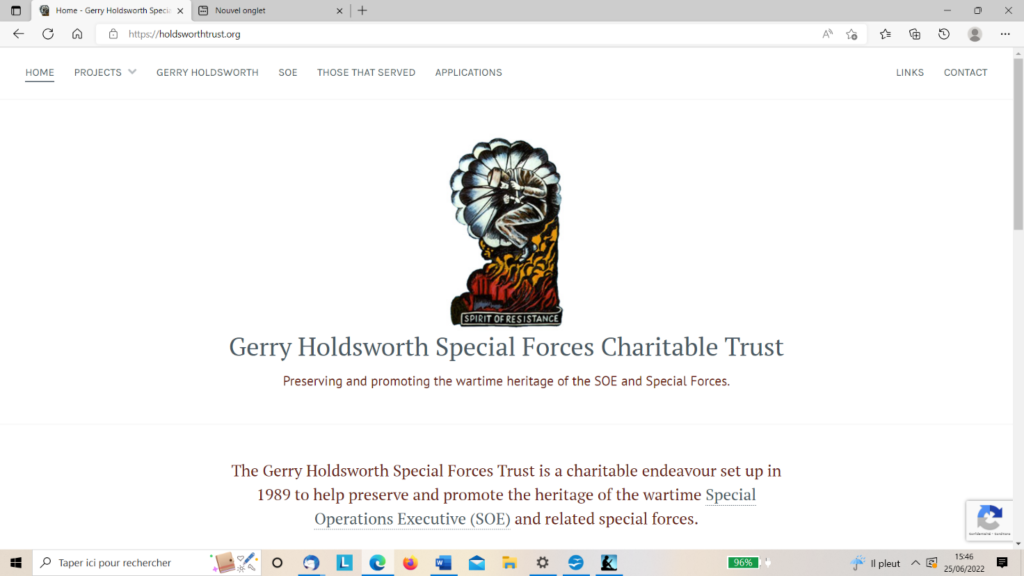
Le lendemain à 11 heures, avant de quitter Londres, je m’en vais frapper à la porte du Club. Il fait beau et frais, j’ai ma valise à la main, je suis bien habillée, en tailleur, bottines et chapeau sur la tête. J’ai à la main le livre de Michaël Foot sur le SOE.
Je refais le tour du quartier, le 3 Hans Crescent est désert, le drapeau colombien claque au vent, les touristes riches se rassemblent pour faire leur shopping au Harrods. Je fais quelques photos de la porte du « Club des Espions ». Je remarque qu’une des rue derrière le Harrods s’appelle Beaufort Gardens, il est possible que les parcelles du quartier appartiennent à la famille aristocratique minée par les problèmes de captation d’héritage.
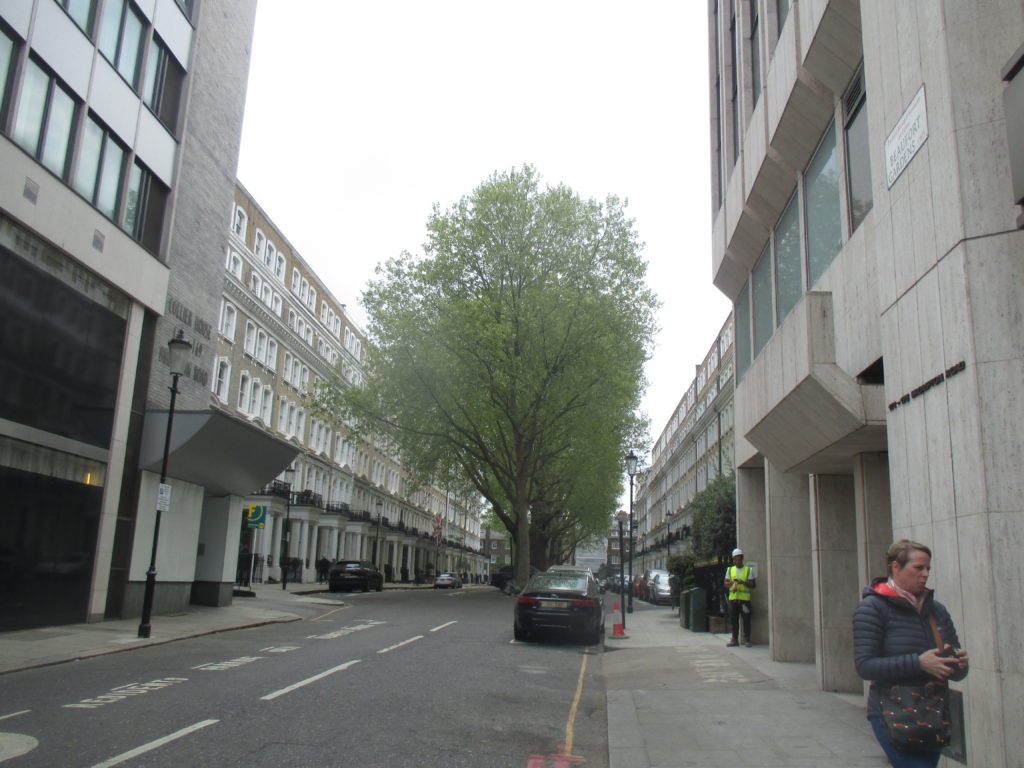
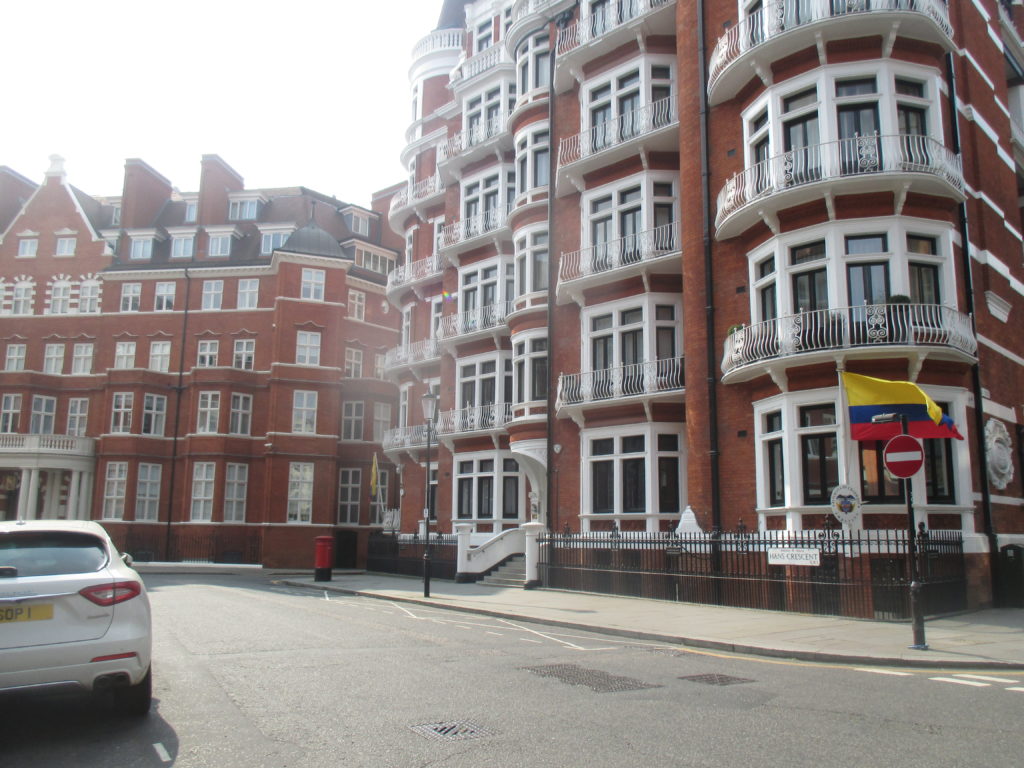
Je continue la rue Hans Crescent, je tourne à droite dans Pavillon Road et au lieu de rentrer dans Herbert Crescent je continue dans la petite rue – je m’aperçois que la petite maison du 8 Herbert Crescent est adossée à un garage dont l’entrée donne sur Pavillon Road. La maison a donc deux entrées, comme toute demeure d’espions qui se respecte!
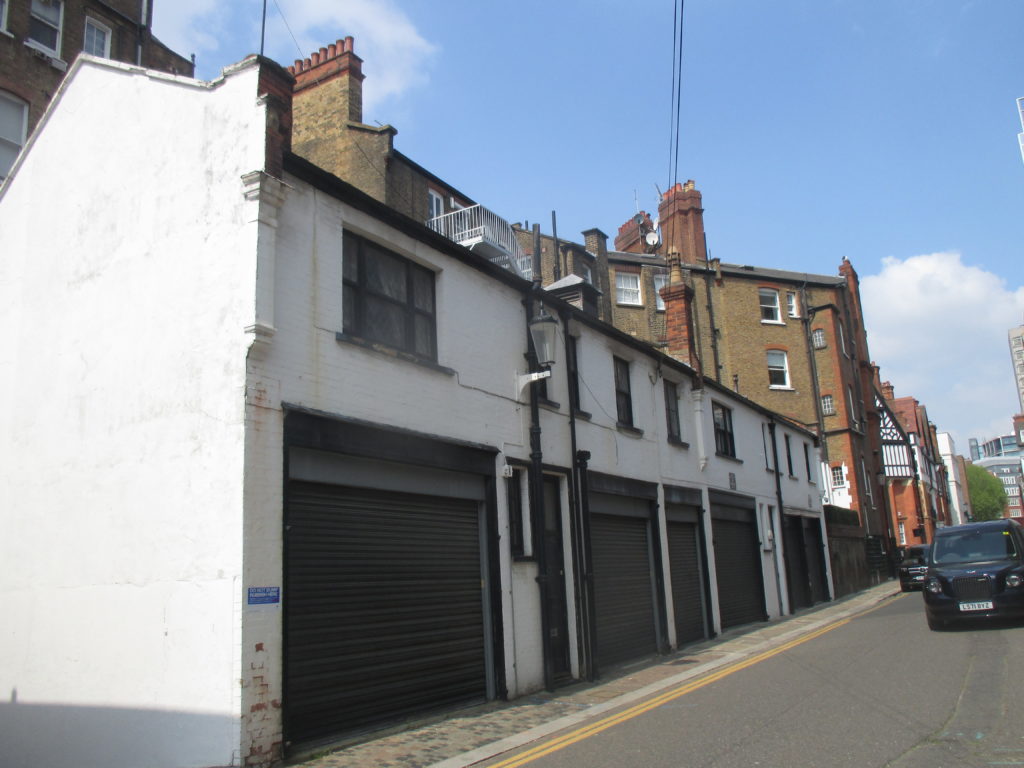
Puis je vais à la porte du 8 et je sonne. La porte s’ouvre et je rentre. Je me retrouve alors dans le décor telle que la photo des médias l’a présenté : un vestibule avec un escalier au fond, un tapis rouge et des photos anciennes au mur. En jetant un coup d’œil indiscret au murs, je constate qu’il n’y a aucun portrait des figures historiques du SOE. Les photos et gravures évoquent plutôt l’Asie, l’Inde, la Birmanie perdue par l’armée anglaise en 1942…
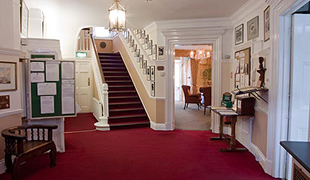
Mais je n’ai pas le temps d’observer. A ma gauche il y a le comptoir d’une réception et une grande femme blonde habillée d’une chemise noire et d’un pantalon noir est assise derrière. Elle a environ 55-60 ans, des cheveux blonds mais des yeux noirs.
Je me présente comme Française, enseignante en histoire et ayant découvert récemment la saga du SOE, je cherche donc de la documentation pour mes étudiants. Je lui montre en signe de preuve le livre de Michaël Foot en Français.
La femme a l’air complètement éberluée. Sans aucun préambule de politesse, elle s’exclame : « Mais ici c’est un club privé ! Comment avez-vous trouvé cette adresse? »
Elle n’était pas agressive, mais totalement choquée. Elle est tellement sous le choc que son Anglais prend alors un charmant et spontané accent russe ou ukrainien! Pas de doute: c’est une Russe ou une Ukrainienne travaillant ici!
Je ne peux m’empêcher de trouver la scène très cocasse. Monika se trouvant dans l’antre des espions, qui pousse la porte et cherche des informations dans leur club secret….Et qui se retrouve en face d’une Ukrainienne ou d’une Russe en pleine guerre de l’Occident contre la Russie !
Je réponds simplement que j’ai trouvé l’adresse du lieu dans les documents du Gerry Holdsworth Charity Club, que c’est l’adresse officielle de la fondation qui perpétue la mémoire du SOE et donc je voulais savoir si je peux rencontrer quelqu’un de la fondation, obtenir de la documentation. N’avez-vous pas une bibliothèque puisque la fondation est censée soutenir la recherche et perpétuer la mémoire des héros du SOE ?
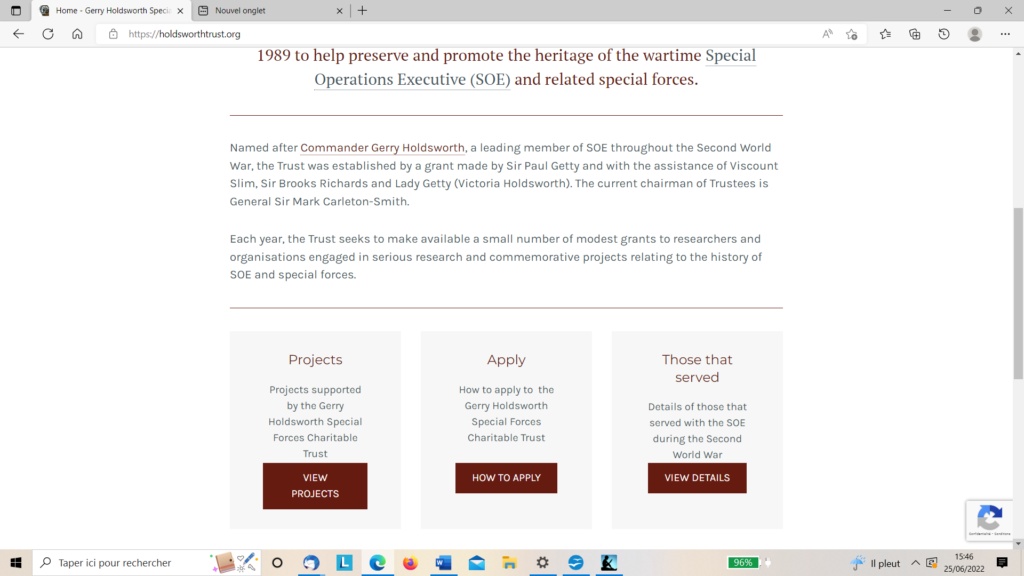
La femme a l’air de plus en plus paniquée. Elle bégaye, reste courtoise, mais me répète trois ou 4 fois que c’est un club privée, « Vous ne devriez pas être ici, ni avoir cette adresse ». Elle veut à tout prix me mettre dehors, s’agite car elle ne sait comment le faire sans devenir désagréable. Son accent slave s’accentue et je souris me demandant si je dois me dévoiler en tant que Polonaise.
Je dis que j’ai déjà écrit un mail à la fondation mais comme je n’ai pas reçu de réponse, je suis venue, en toute innocence. Je comprends que c’est un club privé, mais que dois-je donc faire pour contacter la fondation?
La femme ne sait tellement pas quoi faire que brusquement elle se lève et de facto, elle me pousse dehors, toujours gentiment mais quand même. Elle me répète avec son accent russe « je n’aurais pas dû vous faire entrer ». Je me dirige doucement vers la porte tout en regardant une dernière fois autour de moi. « Mais comment joindre la fondation Gerry Holdsworth » ? La Russo-ukrainienne répète « écrivez un courrier, écrivez un courrier ».
Je la salue poliment et j’accepte de repasser par la porte. Je suis médusée par cette rencontre. Visiblement la fondation est inaccessible et les maitres des lieux ne s’attendaient pas à ce qu’on s’intéresse à eux !
Mais qui sont-ils ? Avant de prendre mon train à Victoria Station pour mon cher petit port de Brighton, j’étudie la question à la table d’un café. Je récupère ainsi le cadastre du 8 Herbert Crescent. Une carte du quartier me montre que la parcelle est située entre cette adresse et le 64 Pavillon road ou se trouve la deuxième entrée[26].
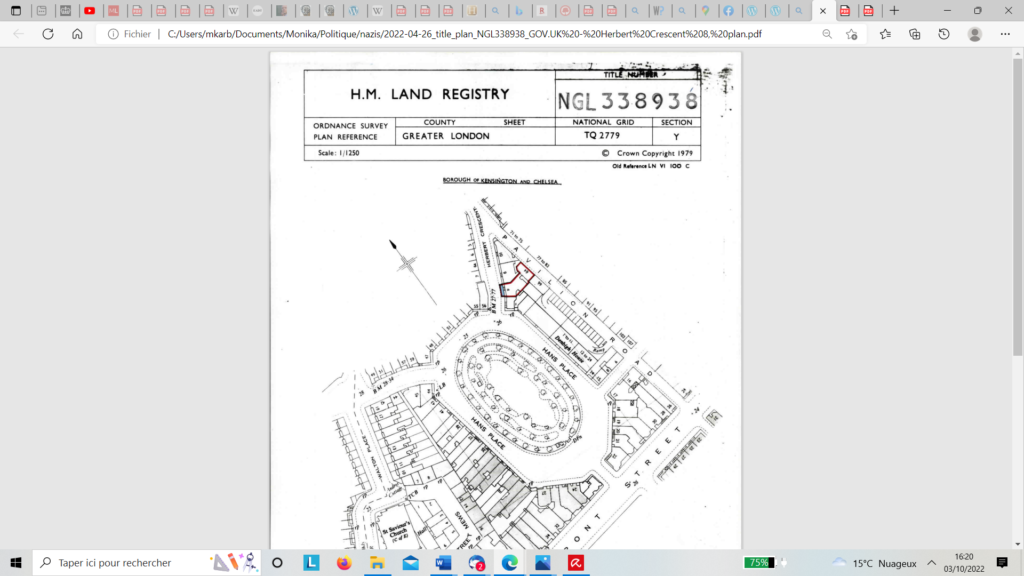
Le propriétaire de la parcelle d’une valeur entre 500 000 et 1 million de livres est la famille Cadogan, mais en 1978 elle loue en bail à long terme (« Lendlease » pour 50 ans) non pas au Special Force Club mais à une société appelée 8HC Limited [27]
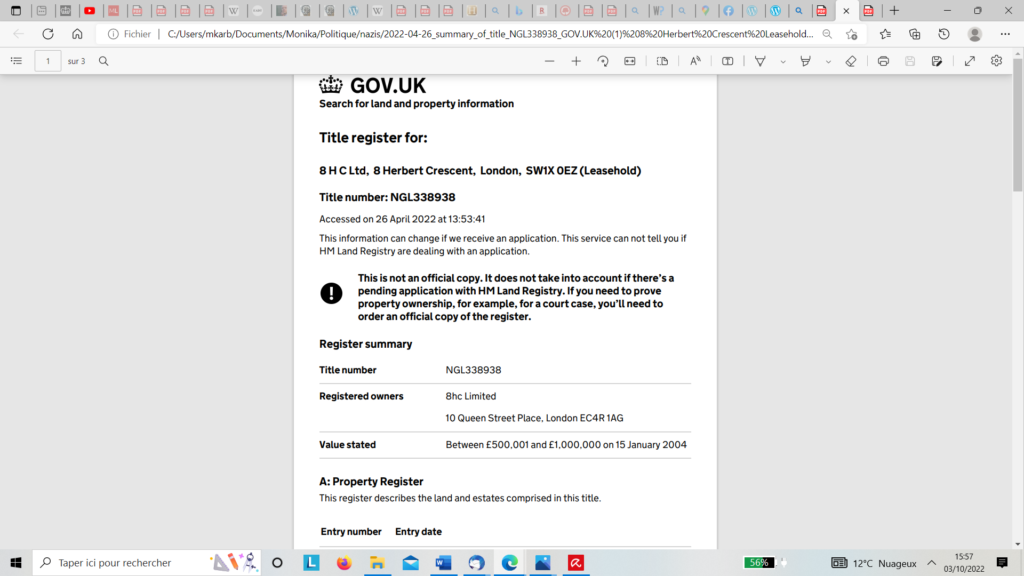
Le bail est signé le 19 octobre 1978 entre « l’honorable » Charles Gerald Cadogan et l’entreprise Cadogan estate et le Colonel Noel Andrew Cotton Croft « et les autres » (« and others »).[28]
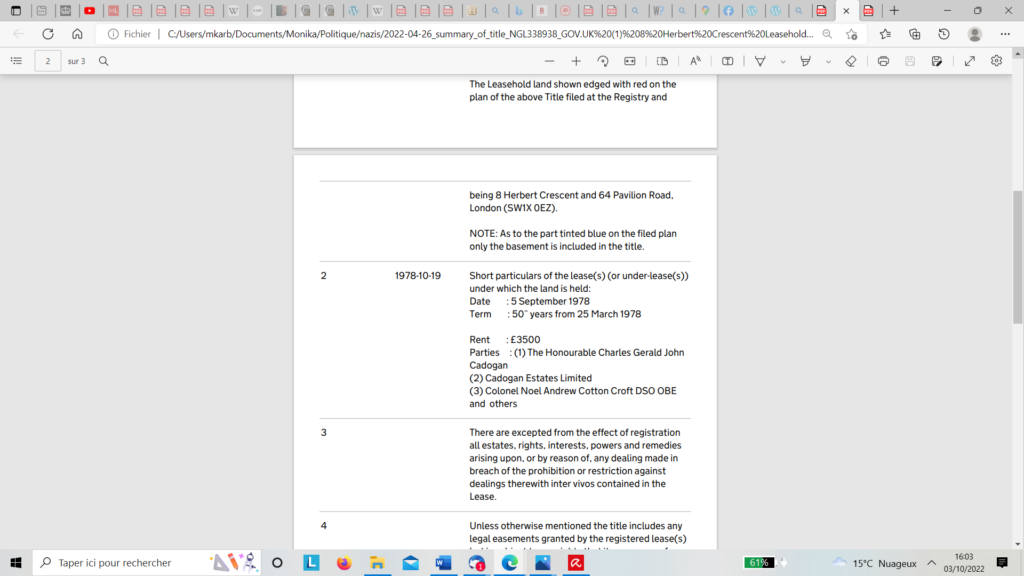
Le « 8HC Limited » devient propriétaire de l’endroit en 2011[29].
Le Special Force Club n’a donc pas de structure juridique propre, ni en entreprise ni en tant qu’association de charité. Par contre le colonel Noel Andrew Cotton Croft a bien été un héros du SOE, explorateur arctique avant la guerre, officier du SOE en mission en Tunisie, en Corse et en France[30]. Il a surtout été un membre des commandos Jedburgh si important lors du Débarquement. Après les luttes lors du débarquement en Provence, il a aussi combattu au Danemark et en Allemagne jusqu’à la capitulation des nazis.

La famille Cagodan est une vieille famille aristocratique du 15 siècle[31], second grand propriétaire terrien en Angleterre après le Duc de Westminster, c’est-à-dire Lord Grosvenor. Charles Cadogan est réputé posséder les grands quartier chics de Londres comme justement Chelsea, Kesington, Belgravia et Sloane Street, à deux pas d’ici.
Je retrouve la société 8hc Limited sur le registre des entreprises. Je retrouve le texte des statuts de l’entreprise datant de 2020[32] mais reprenant les textes de 1985 et 2006. « L’association » 8hc Limited correspond bien au « Club », c’est-à-dire au « Special Forces Club »[33] sis au 8 Herbert Crescent.
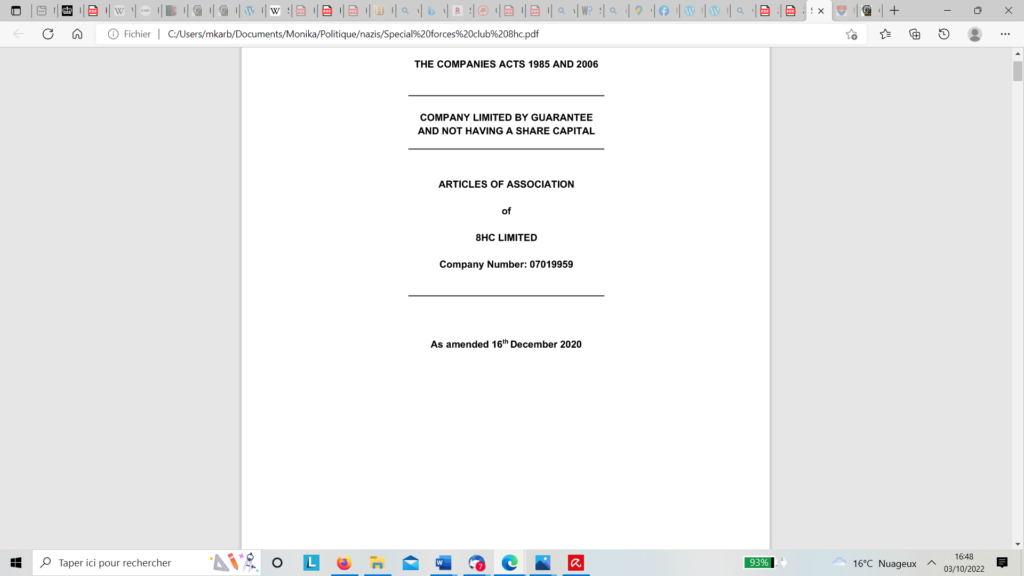
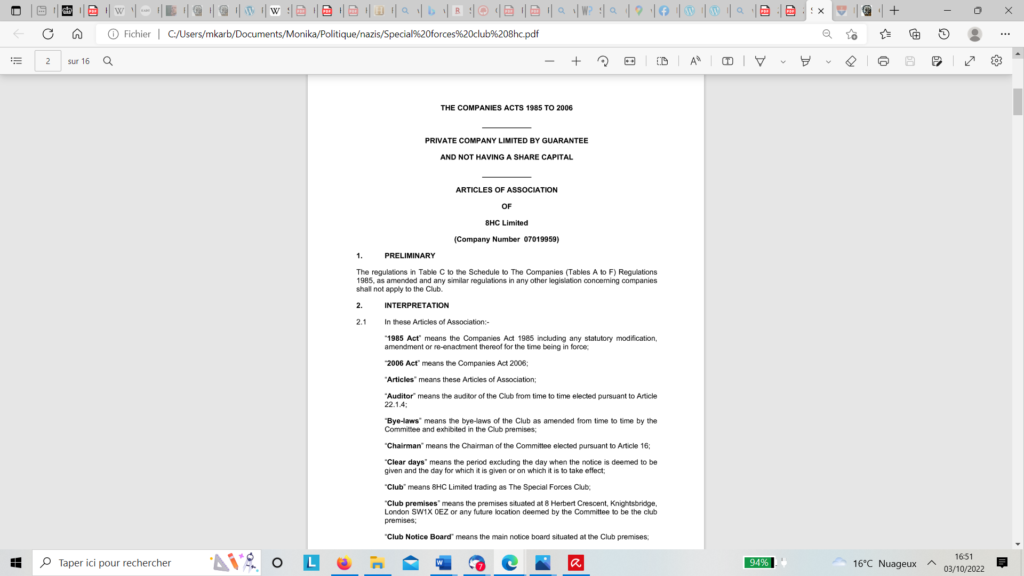
Les objectifs et le règlement du Club sont ainsi définis : Article 4, le Club sert de lieu de rencontre « aux hommes et aux femmes préparés à servir leur pays et honorant les valeurs de la liberté ». Il a comme objectif « de renforcer les liens qui unissent la Communauté Internationale alliée » avec les organisations similaires, de donner aux jeunes générations « un club dont à l’appartenance duquel elles pourraient être fiers », d’élargir sélectivement la base d’adhésion, et de « former les jeunes générations » à maintenir le « Spirit of Résistance », l’Esprit de Résistance.
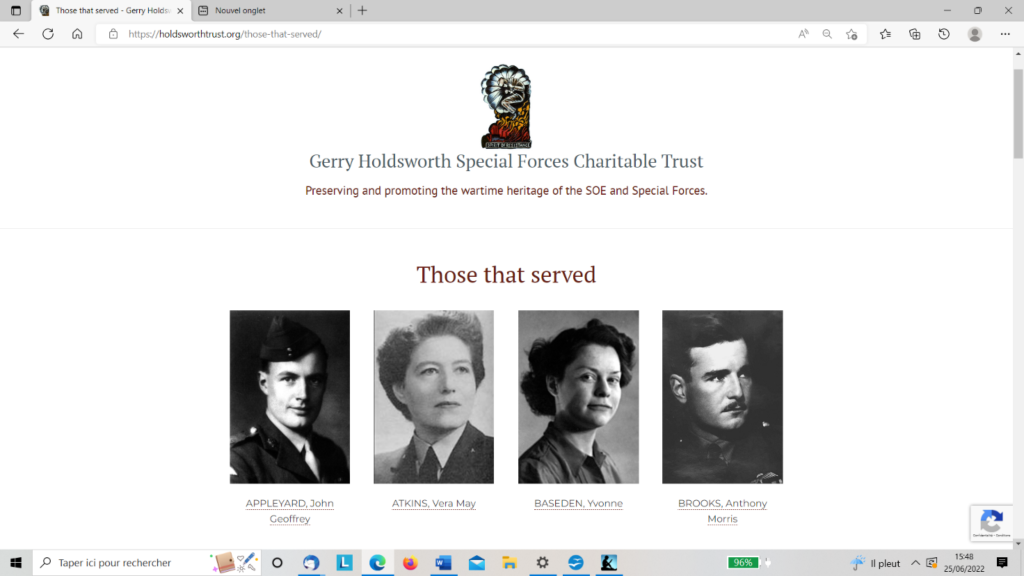
Les membres de plein droit du Club sont les membres du SOE et les agents des forces alliées, membre d’organisations reconnues comme services secrets de la Grande Bretagne et de ses alliés. Le droit de membre s’acquiert par cooptation et il est possible donc que des personnes ayant rendus des services « de même nature » soient acceptées par la communauté du Club.
En membre « sponsored » figurent les enfants et petits enfants des agents du SOE et des personnes « dont la vertus, le caractère et l’esprit » ainsi que des réalisations ont montré qu’il sont dignes de l’Esprit du Club et de ses héros.[34] Ceci est dit très clairement et dignement.[35]
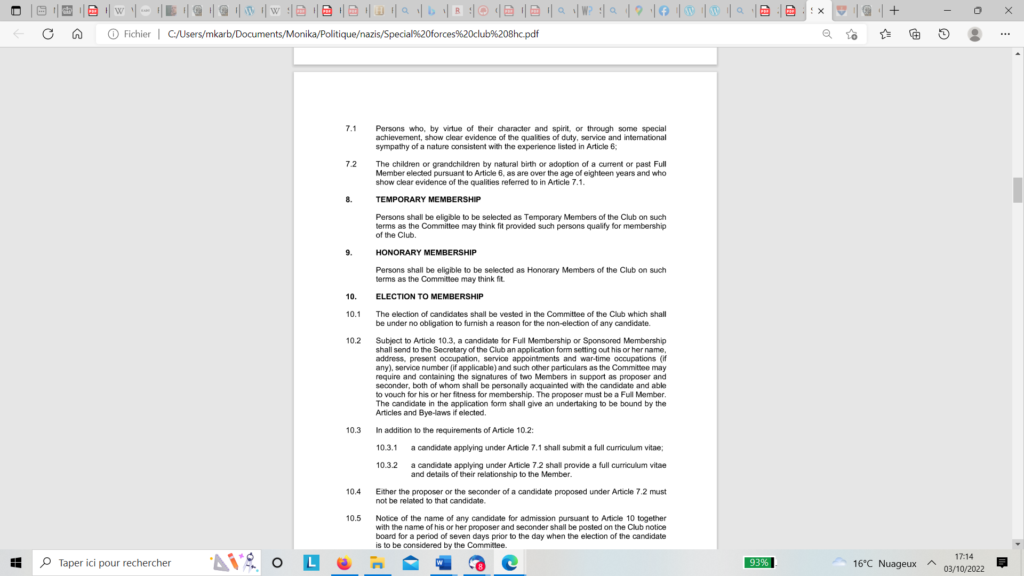
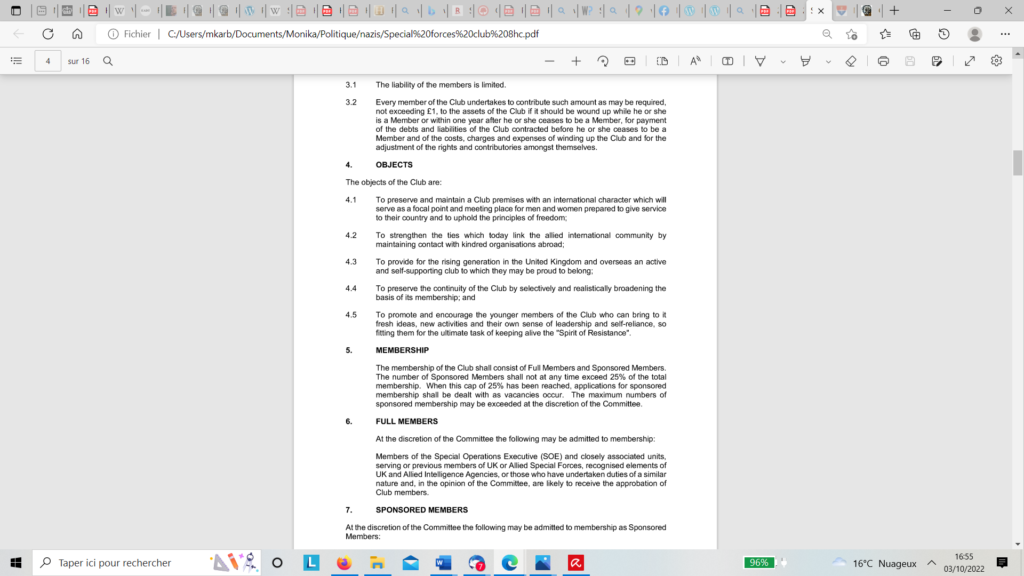
Selon les documents de l’entreprise 8HC Limited, elle a été ouverte en 2009 et le premier directeur a été Timothy John Alston, un expert comptable. Le second directeur, David Nigel Vardon Churton, est à la tête de toute une série d’entreprises et de think thank d’expertise dans la sécurité, le « Security Institute », le « Control Risk Group Holding », le « British Expertise ».[36]
« Control Risk Group » est une très vieille structure, datant de 1917 ( !) sous le nom de « A1 Insurance Agency », dont Vardon Churton est quelques années directeur, à côté d’une multitude d’autres acteurs, et dont l’activité est « l’analyse des risques, la stratégie de sécurité, le conseil en sécurité et en gestion de crise ».[37] Dans sa longue histoire, cet organisation qui a l’air d’être un élément important du dispositif du pouvoir géopolitique anglo-saxon, brasse des budgets de millions de livres : pour 2006 par exemple, son budget est de plus de 2 milions de livres.

Fait curieux, alors que Vardon Churton en est le directeur de 1991 à 2005, l’entreprise a son siège au 16 Old Bailey, juste en face de la « Criminal Court », au cœur de la City of London Corporation ! La Old Bailey est ce lieu historique, siège du pouvoir des Mayor of City of London, ou Julian Assange a été maintenu et « jugé »[38] en 2020-21. Aujourd’hui le siège de la structure est le Cottons Center, luxueux bâtiment sur la Tamise à côté du Londons Bridge.
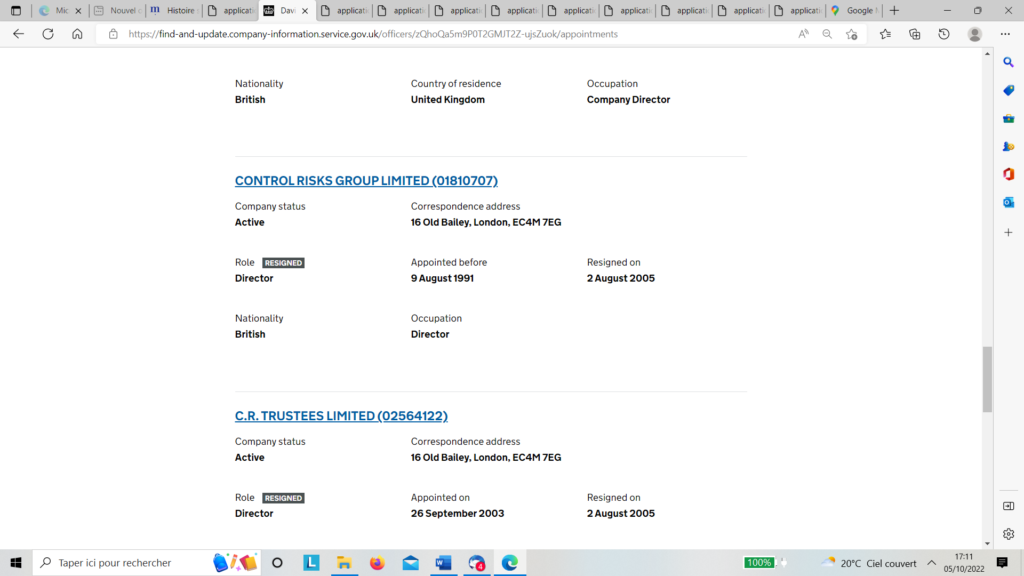
Au même endroit, 4ème étage, se trouve « The Security Institute » dont Vardon Churton a été le directeur de 2000 à 2010. Cette structure date de 2000, et a pour objectif de « promouvoir l’art et la science de la sécurité »[39]. Vaste programme dont le flou ne peut cacher ses ambitions politiques ! En 2010 le « Security Institute » se définit plutôt comme un organisme de certification « pour le bien public » de ceux dont l’activité est lié à la « sécurité et la prévention des pertes ».
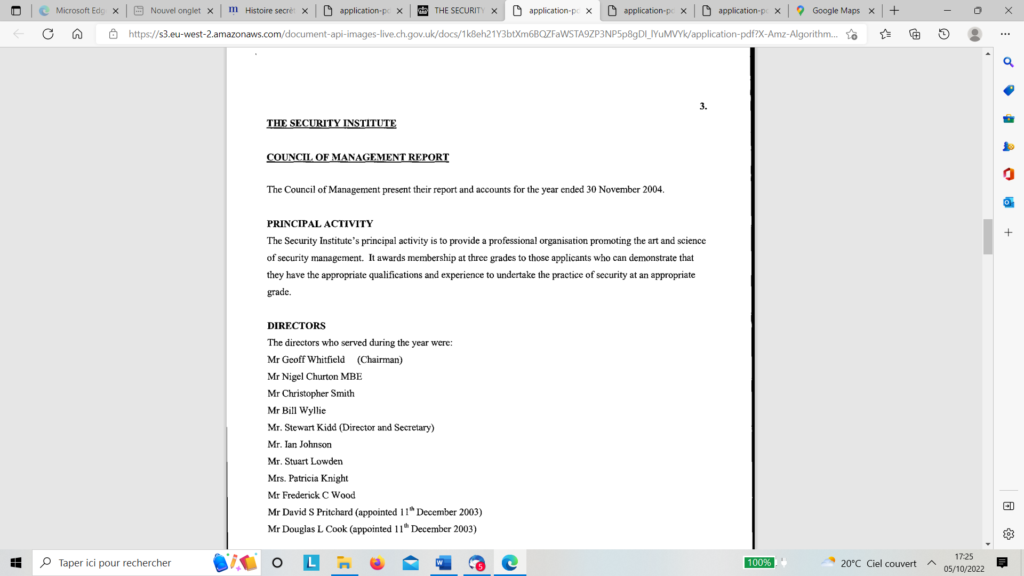
Il se donne aussi les moyens de contrôler et d’aider au recrutement des spécialistes de la sécurité et même d’organiser des examens de qualification. Vue la définition, on comprend qu’il ne s’agit pas ici de simples ADS préposés aux contrôle des sacs mais plutôt d’agents de haut niveau[40]…
Home – The Security Institute (security-institute.org)
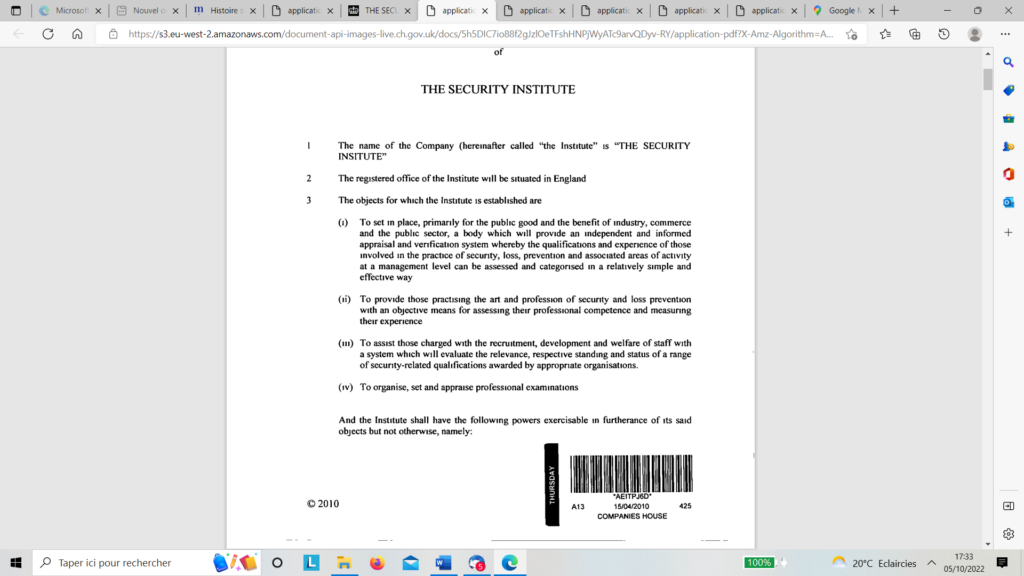
Le Security Institute a aussi le droit d’acquérir et de louer des propriétés pour ses objectifs de « sécurité ». Curieusement le budget de la structure est ridicule : quelques milliers de livres en 2009, ce qui est évidemment incompatible avec ses objectifs pompeux, et cache quelque manipulation. On remarque que lors de l’AG du 27 mars 2014 parmi 5 nouveaux directeurs élus se trouve Ken Livingston, l’ancien maire du grand Londres.[41]
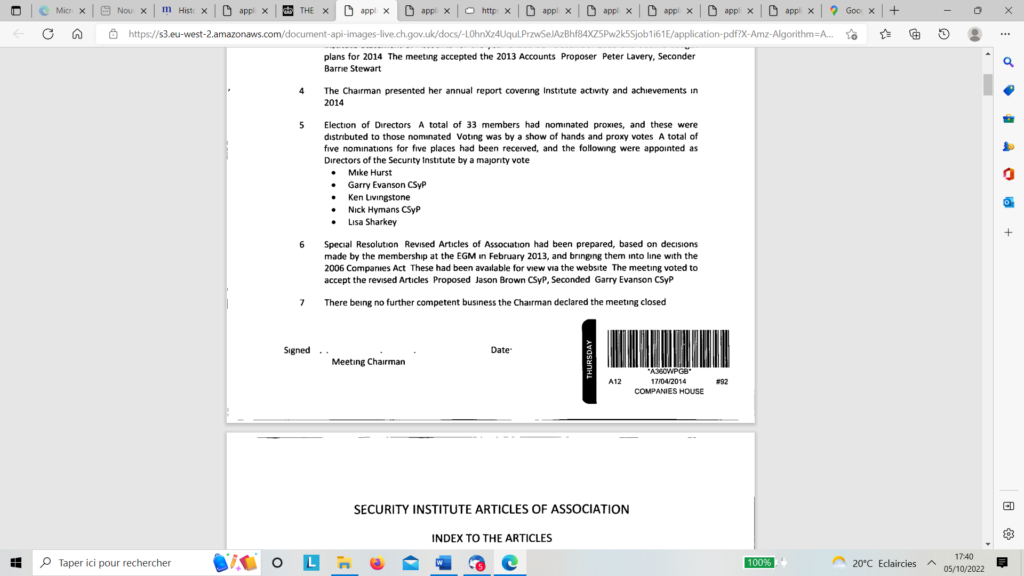
Bref, cette organisation est un élément important des structures de pouvoir à Londres mais reste très opaque : le seul rapport financier en 10 ans, celui de 2019, donne un budget de 240 000 livres pour 8 salariés, ce qui n’est pas crédible. Fait surprenant, le 28 avril 2022 c’est une jeune et belle Russe de 24 ans, Anastasia Spiridonova qui devient la directrice du Security Institute.[42] Elle fait suite à un homme de 35 ans au nom prestigieux, Robert Edward Kennedy, directeur en 2021 mais « employé du gouvernement » ! Le monde des espions nous réserve décidément bien des surprises ! Le nom d’Anastasia Spiridonova apparait sur un site internet de « communauté de la sécurité » arborant l’inquiétant logo de l’OTAN.[43]

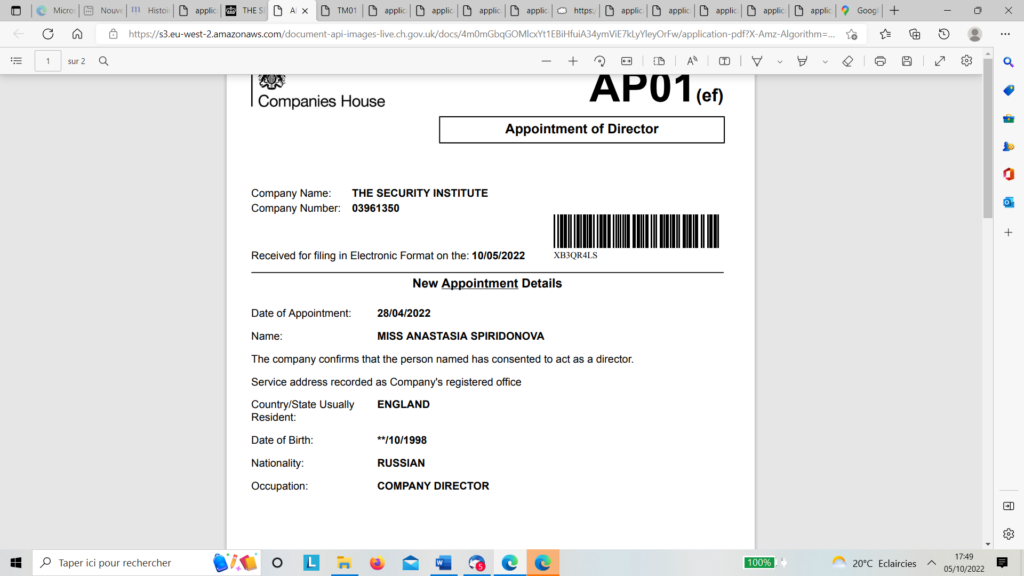
Le « British Expertise » est également une vieille organisation datant de 1948 sous le nom de « Association of British Consultants Bureau ». Le premier document disponible date de 1988 et ce sont les statuts de l’entreprise. Ce document traite longuement de la structure, des AG, de la qualité des membres, mais pas une ligne n’y est consacrée aux objectifs et activités de l’organisation.
Pour cela nous devons remonter au CR de la 29ème AG du 1- au 8 novembre 1995 à Portman Square. D’emblée le texte nous renseigne sur l’importance de cet organisme dont le président est le duc de Gloucester et dont le rôle est une expertise lobbing au service du gouvernement britannique (défini comme « Westminster and Whitehall) dans le monde et en Europe.
Les hommes du Conseil d’Administration du British Expertise Bureau représentent tous de puissantes entreprises, des cabinets de conseils, des fonds d’investissement et des banques, des promoteurs immobiliers, des structures étatiques.[44] Bref, il s’agit de la puissance réunie de l’Empire britannique séculaire, puisque ces entreprises opèrent toutes « Overseas », « au-delà des mers », comme cela est si bien dit dans l’original.
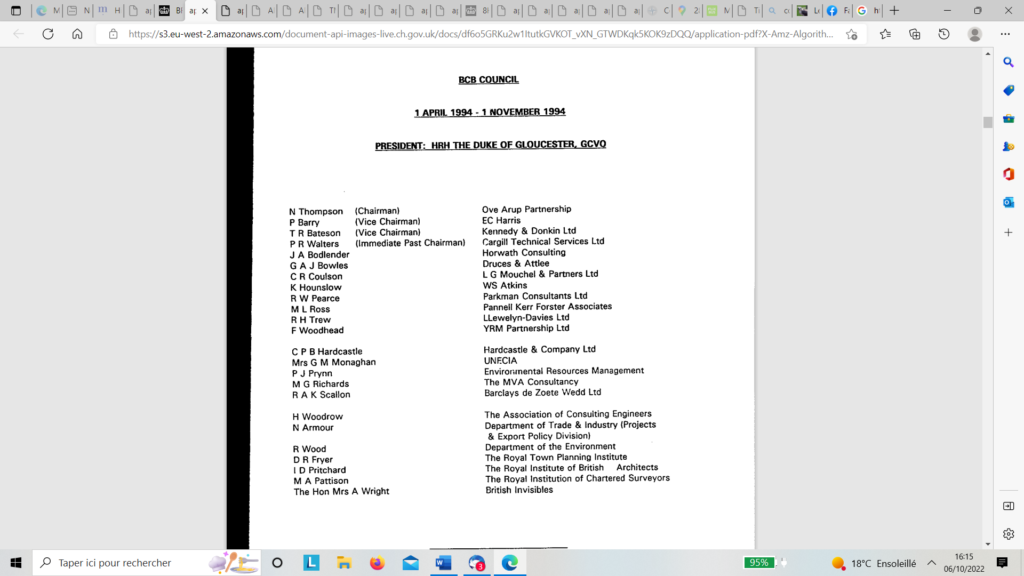
En deuxième page, le Bristish Expertise se définit comme un acteur puissant de lobbing, « une plateforme de communication avec le gouvernement ». Des pays de « missions » sont nommés : outre les USA et le Portugal, il y a Gaza et la Syrie, la Pologne, la Malaisie, l’Inde et la Myanmar, la Birmanie sous dictature militaire. Plus loin une longue liste de ministres est publiée qui ont sollicité les lobbystes anglais pour des investissements – on y retrouve les ministres des privatisations de la Pologne, de la Tunisie, de Bulgarie, de Côte d’Ivoire.

C’est en effet la période des années 1990, celle du Grand Hold Up organisé par la Banque Mondiale et le FMI sur les actifs des pays soumis au nouveau capitalisme prédateur. Les grands impérialistes britanniques réunis dans cet aréopage sont fiers de tenir (« influencer ») le gouvernement de leur propre pays et le manœuvrer en direction de leurs intérêts, mais ils ont aussi directement la mains sur la vies de millions d’être humains vivant aux 4 coins de la planète.
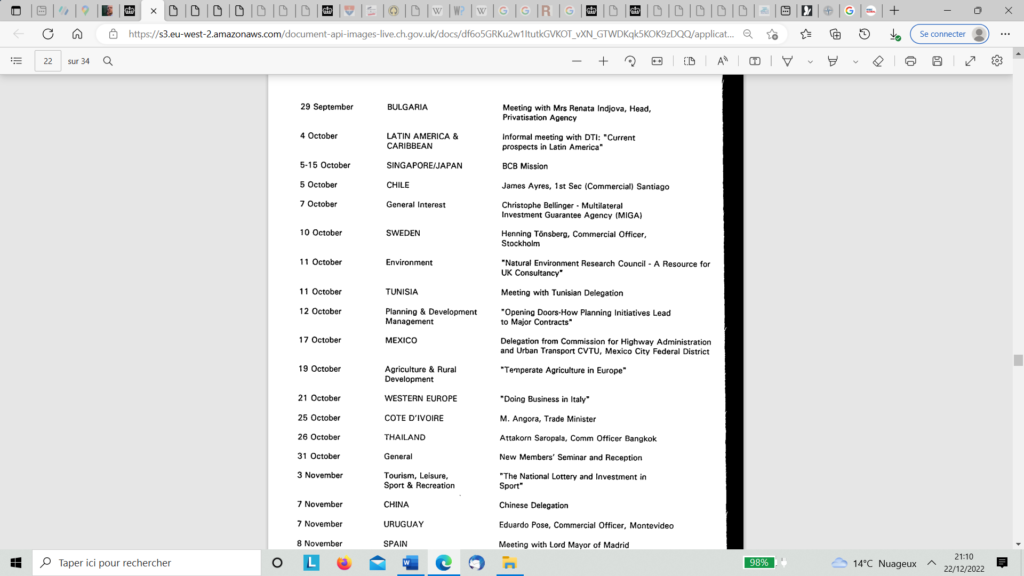
Le Foreign Office est à leurs pieds (page 4), et le Mayor de la City of London déjeune avec eux tous les mois. Les bureaux de lobbing des intérêts britanniques ouvrent dans presque chaque pays du globe, auprès de l’Union Européenne ou de la fameuse « BERD » de Jacques Attali. Pour cela le budget de 600 000 livres pour 1995 parait presque trop modeste, mais comme nous avons affaire à des multinationales richissimes, elles n’ont pas besoin de verser de l’argent dans la structure, elles financent directement le lobbing qu’elles désirent, arrosage de politiciens étrangers compris et ce sans laisser de traces.

C’est donc une structure importante du « deep state » britannique moderne qui apparait à notre vue et elle est indubitablement liée au Special Forces Club par la personne de David Nigel Vardon Churton, président des deux organisations, en 2006-2009 pour le British Expertise. Les liens avec l’armée son représentées par le général Anthony Boam, commandant de l’armée britannique à Hong Kong et président du British Expertise en 1994-95.
Un certain « Robert Christopher Boddington » né en 1941 est également membre dirigeant. A-t-il un lien de parenté avec le célèbre Nicolas Bodington, chef du SOE[45], qui changea aussi souvent de nom et de prénom mais dont le père fut avocat, tout comme Robert Boddington du British Expertise ?
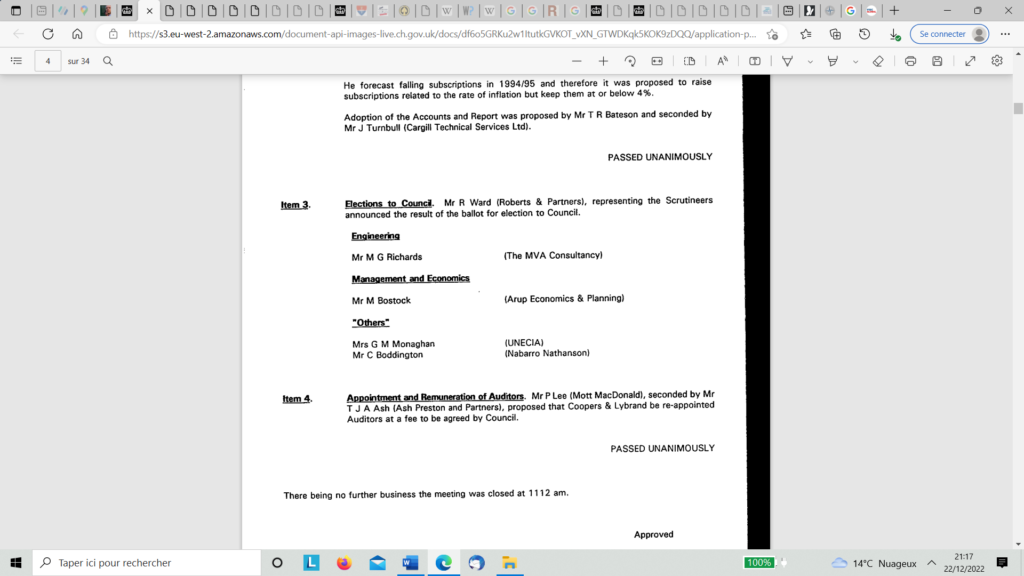
Les cadres du Special Forces Club et les officines des services
En 2009 d’autres personnages de la « communauté du renseignement » rejoignent le CA du 8HC Limited : à côté de John Dennis Andrew, « civil servant » (fonctionnaire), on retrouve Alexander Daniel Brown, le PDG d’une nébuleuse de sociétés de paiement en ligne du nom de Cedar (Cedar Software technologie, Cedar Swiss Uk etc…)[46] puis Adrian Nil Stones, jeune chef d’Alaco Business Intelligence, entreprise de collecte de renseignements qui peut tout à fait servir d’officine d’espionnage industriel.[47]

Adrian Nil Stones devient PDG de l’entreprise de renseignement privée Alaco en 2011, juste après avoir été appointé comme administrateur du 8HC Limited (ou Special Forces Club) et reste 11 ans jusqu’à cette année à sa tête. Il vient de céder la place à Amy Elisabeth Lashinsky, déjà introduite quelques années auparavant et à Olivier Wiliam Gordon. Ces deux derniers figurent sur le site officiel de l’entreprise Alaco comme PDG et fondatrice et Directeur exécutif respectivement.[48]
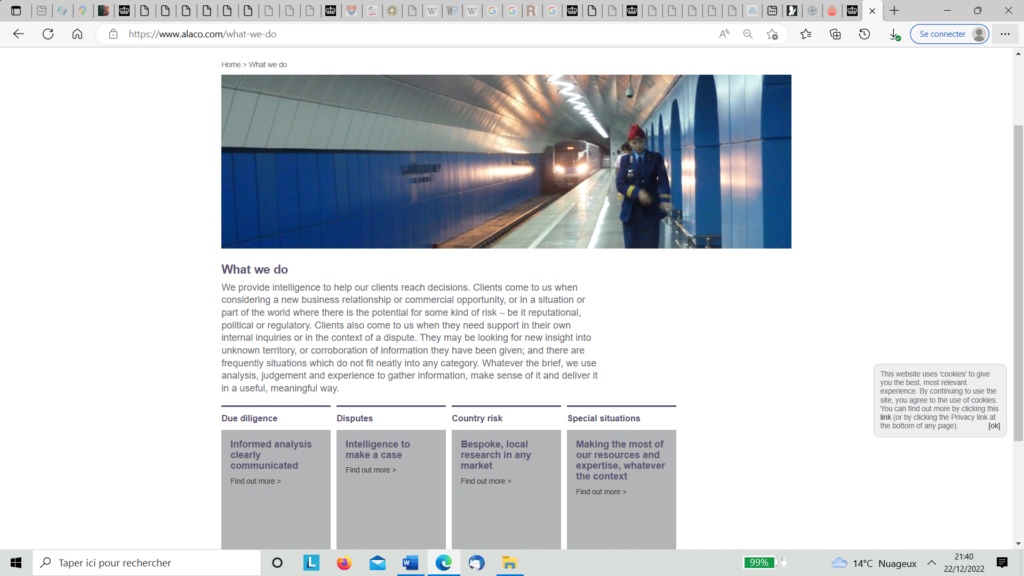
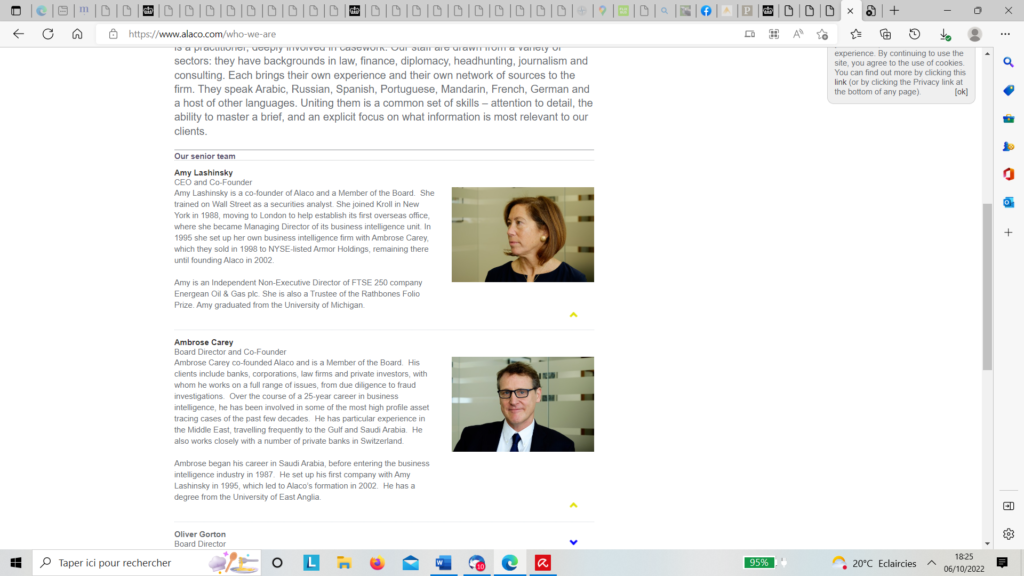
Mais Amy Lasinsky a été surtout associée longtemps à Ambrose Carey et ensemble ils ont fondée en 1998 la structure qui est devenue Alaco en 2002. Ambrose Carey se présente comme expert en renseignement économiques (« business intelligence ») spécialisé dans les pays du Golf et en Arabie Saoudite, pays clé pour le business du pétrole s’il en est[49]. Lashinky et Carey sont les fondateurs d’Alaco en 2002 et introduisent Stones quelques années plus tard. Ambrose Carey est domicilié alors à Ladbroke Road 20 et Amy Lashinsky à 44 Arundel Gardens, deux rues sympathiques et branchées de Notting Hill[50].
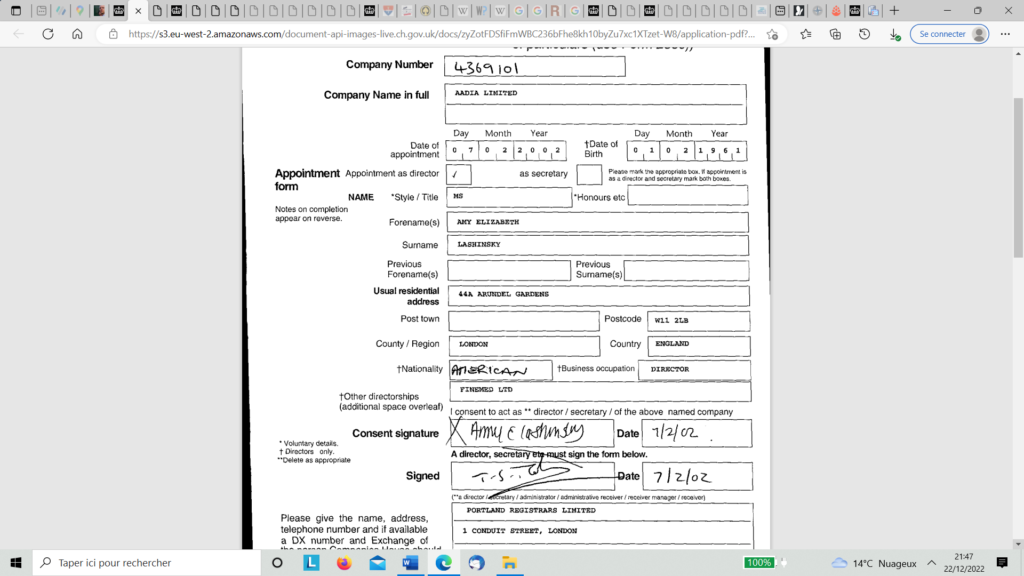

Un étonnant document signé Carey et Lashinksy stipule que la société a décidé de ne pas publier de CR d’Assemblée Générale, de ne pas soumettre de comptes rendus financiers avant les assemblées et elle se dispense d’appointer des « auditors » », c’est-à-dire des experts comptable! Un incroyable privilège dont on se demande s’il respecte réellement la Loi. Mais peut-être que les « espions » (pardon, les « agents d’intelligence ») se sentent exemptés de respecter les lois. [51]
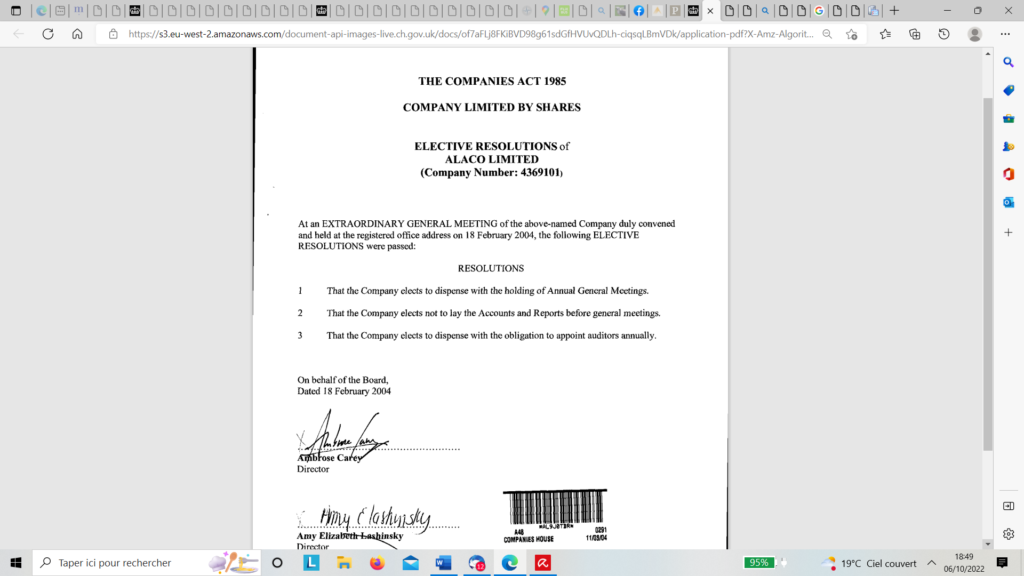
Dans l’équipe de gestionnaires du Special Forces Club au moment ou apparait Wikileaks et Julian Assange, en 2009, nous retrouvons aussi Lorna Nil Aldmonds Windmill, militaire de carrière et auteure de livres sur Jim Almonds, fondateur des forces spéciales parachutistes britanniques SAS[52] dont elle est la fille. Jim Almonds fut un héros de Tobrouk, de la campagne d’Italie et de la Libération de la France. Nul doute que Lorna Almonds a les qualités requises selon le règlement du 8HC Limited pour en faire partie et le diriger.
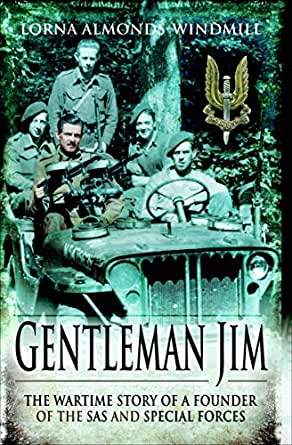
La gestionnaire suivante dans l’équipe de 2009 est Caroline Margareta Adelmann, 69 ans, présentée comme « scientifique environnementale » ( ?) sur certains sites business et comme secrétaire administrative de profession sur les documents même du 8HC Limited. Elle gère l’entreprise Eklanda Limited ouverte en 2013 dont on ne sait rien à part le fait que ce nom est celui d’une ville de la banlieue de Göteborg, Suède. Elle est également administratrice d’un bien immobilier situé au 11 Homefield Road à Wimbledon[53].
Il n’est pas très clair quelles compétences cette personne apporte à la gestion du fameux « Club des Espions » historique car Eklanda semble surtout être un bien immobilier. Le Club a -t-il des liens particuliers avec la Suède ? Nous nous rappelons que l’affaire Assange est bien partie en 2010 de la Suède, d’une rocambolesque et bien romancée plainte écrite par une certaine Ana Ardin, membre du parti social-démocrate suédois et agente américaine au sein des Dames en Blancs, organisations anti-castriste[54].
Release Request of Political Prisoner Julian Paul Assange to United Nation (OHCRH) | VK
Asile politique et nationalité française pour Julian Assange (linkedin.com)
Faire la lumière pour gagner la bataille : Qui sont les proches de Julian Assange? (linkedin.com)
Les avocats fantômes de Julian Assange | Le Club (mediapart.fr)
Assange – Régression féodale au Royaume-Uni | Le Club (mediapart.fr)
L’équipe de gestionnaires du Club de 2009 est complétée par John Roger Blundell , lieutenant colonel à la retraite. Le militaire a été de de 1995 à 2006 le chef de la « Cordwainers educational and training charitable trust company », apparemment une structure de …cordonniers et fabricants de chaussures ! En fait, les « Cordwainers » sont une des guildes les plus anciennes de la City, datant de 1272 ! Voila qui relie notre prestigieux Club d’Espions au centre du vrai pouvoir et ses vénérables institutions, la Corporation of London.[55]
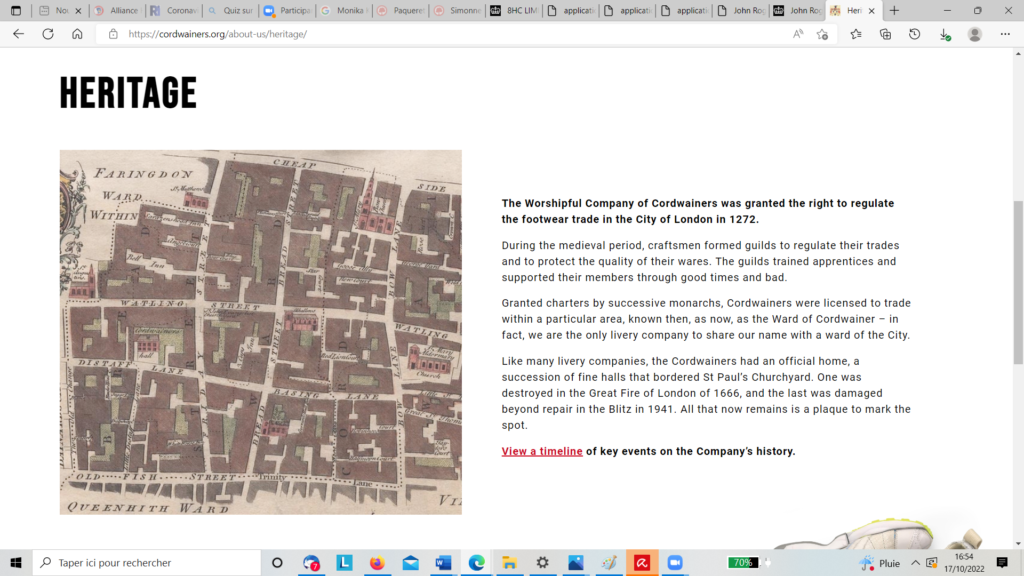
La deuxième société dont le colonel a été le directeur de 1996 à 2017, Creative Vacation, n’est pas une association d’artistes malgré son adresse à l’Université des Arts de Londres, mais le deuxième nom du Centre des Industries du Cuir et de la Chaussures (Cordwainers Leather Industries Center)[56] La guilde des tanneurs de « cuir de Cordoue » est donc des plus anciennes structures de pouvoir économique et politique de la City et de l’Angleterre.[57]
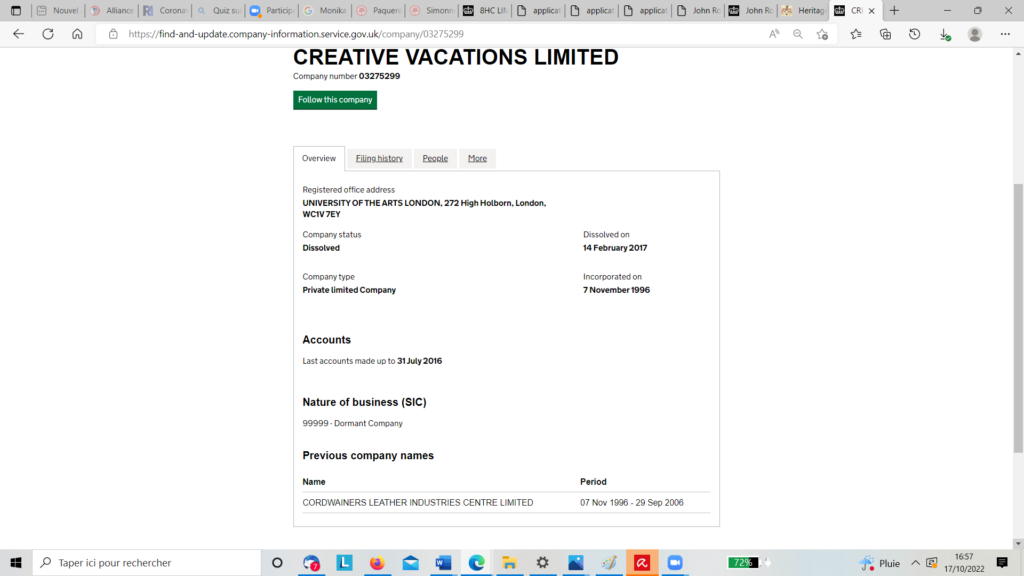
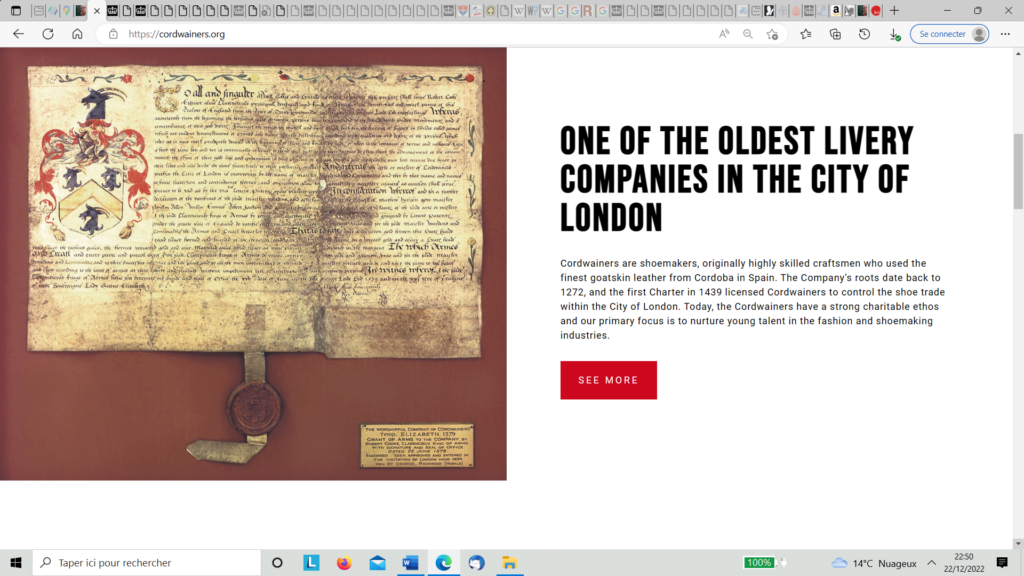
750 ans de pouvoir, et ce n’est pas du folklore !
A la même date, en décembre 2009, arrive au 8HC Limited Thomas Griffith Vaughan Roberts, né en 1949, qui a fait toute sa carrière jusqu’en 2007 comme courtier en assurances. La dernière entreprise qu’il a dirigée Transaction Mercantile est sans surprise spécialisée dans le transfert de fonds pour les opérations financières internationales. Il est intéressant de voir qu’elle est liée à l’entreprise mondiale de paiement bancaires SWIFT.[58] Et SWIFT est bien sur une compagnie multinationale avec des ramifications énormes, ce qui place le gestionnaire du « Club des Espions » à l’intersection du pouvoir financier mondial et des services spéciaux britanniques. Le siège de Swift Incorporation Limited ne se trouve curieusement pas à la City, mais 26 Church Street, à, Marylbone, juste au nord de Baker Street et du quartier historique des dits services !
L’entreprise précédente dont Vaughan Roberts a été le directeur, Ropner Insurance Services, est membre du Global Risk Partners, une des plus puissantes compagnies d’assurances maritimes. Nous retrouvons ici le cœur de métier de la Corporation of London : le commerce maritime, la possession d’une flotte mondiale et le pouvoir sur les mers[59].
Monsieur Thomas Griffith Vaughan Roberts est incontestablement un homme puissant.
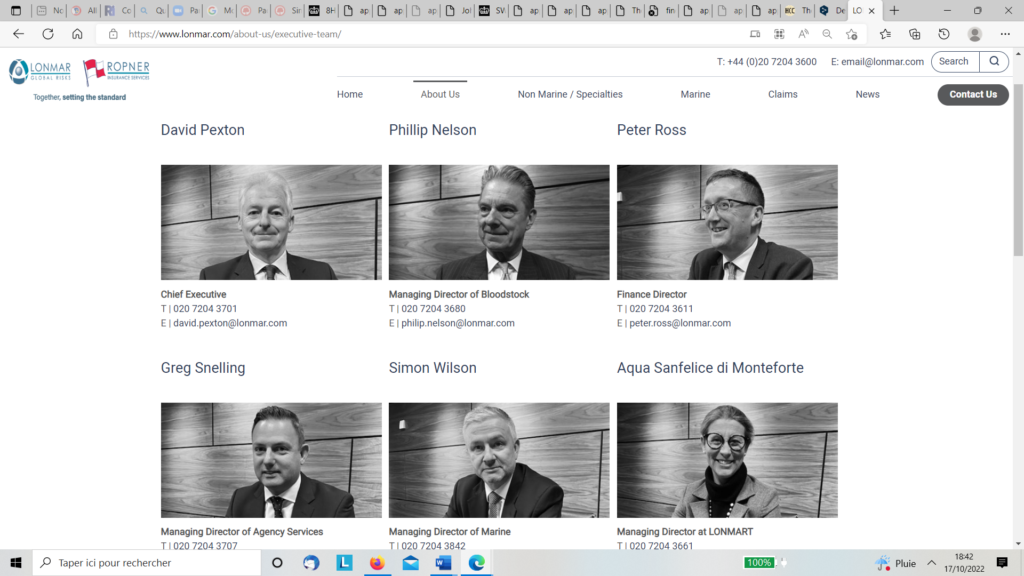
Suite après notes….
[1] Disused tube station sells for £53 million – GOV.UK (www.gov.uk)
Secrets Of The London Underground S02E04 Brompton Road and St Pauls (Jun 3, 2022) – YouTube
Ukrainian Dmytro Firtash was Brompton Road Tube station buyer | The Times
[2] Victoria Holdsworth – Wikipedia
[3] Introduction – Transnational Resistance (ox.ac.uk)
[4] Fin ultime du storytelling Julian Assange ? La liberté à Londres du 25 octobre au 2 novembre 2021. Stella Morris, Tracy Ward et les ducs de Beaufort – Liberté pour Julian Assange – Monika Karbowska (monika-karbowska-liberte-pour-julian-assange.ovh)
[5] Mark Carleton-Smith – Wikipedia
[6] Robert Crawford (historian) – Wikipedia
[9] Hew Strachan — Wikipédia (wikipedia.org)
Professor Sir Hew Strachan | All Souls College (ox.ac.uk)
Ukraine and the importance of resistance (iiss.org)
[11] International Institute for Strategic Studies — Wikipédia (wikipedia.org)
MESSAGE FROM THE NEW CHAIR OF THE MARSHALL COMMISSION – JOHN RAINE CMG OBE – Marshall Scholarships
[12] Jamie Lowther-Pinkerton — Wikipédia (wikipedia.org)
[13] About Susannah Lucy Richards: Born 1970 (1970-) | Biography, Facts, Career, Life (peoplepill.com)
[14] Jamie Lowther-Pinkerton (varkeyfoundation.org)
Special Forces Club, London • whatpub.com
[16] Special Forces Club – Wikipedia
OSS REBORN : Office of Strategic Services
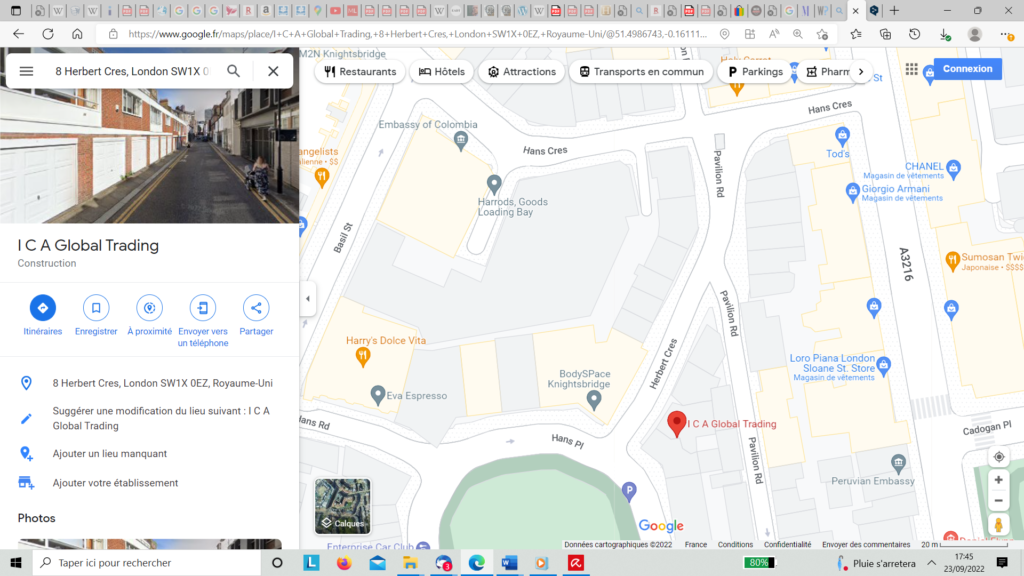
[19] Claude de Baissac – Special Operations Executive (SOE) Agents in France (nigelperrin.com)
Claude de Baissac — Wikipédia (wikipedia.org)
[20] Maquis de l’Ain et du Haut-Jura — Wikipédia (wikipedia.org)
Richard Harry HESLOP (1907-1973) dit Xavier (maquisdelain.org)
Richard Henry Heslop – Wikipedia
Boemelburg Karl – Mémoires de Guerre (memoiresdeguerre.com)
[22] Enseigner la mémoire ? – Histoire et mémoire des réseaux – Le réseau SOE Physician-Prosper par Jean-Pierre Husson (ac-reims.fr)
[23] Jean Worms (résistant) — Wikipédia (wikipedia.org)
[24] https://www.amazon.fr/Agent-secret-Churchill-Bob-Maloubier/dp/B00MF8NZ98
La vie secrète de sir Dansey, maître-espion – Bob Maloubier – Librairie Eyrolles
Les coups tordus de Churchill – Poche – Bob Maloubier – Achat Livre | fnac
Amazon.fr – SOLDAT MENTEUR – BUREAU, JACQUES – Livres
[25] Nicolas Bodington – Wikipedia
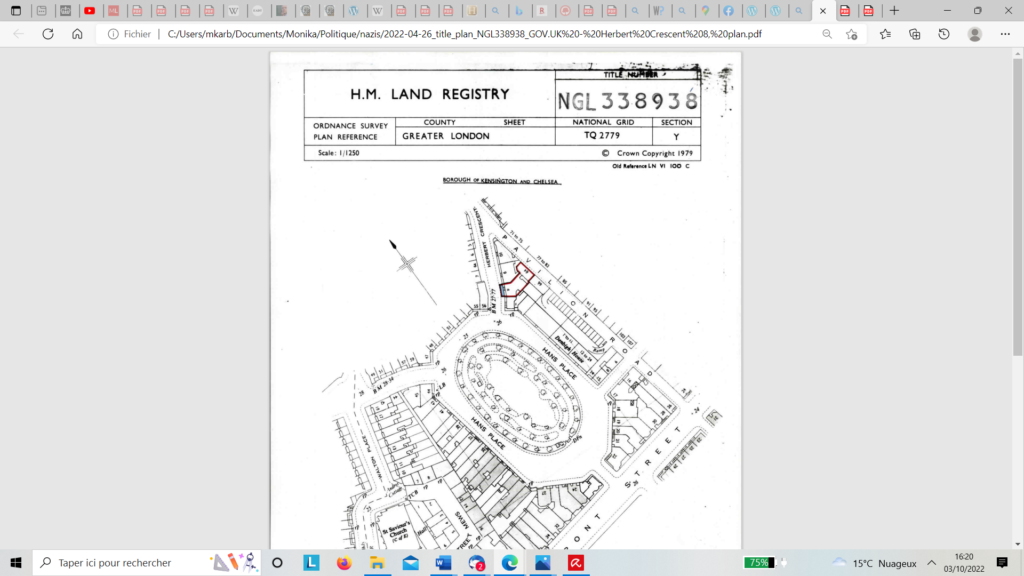

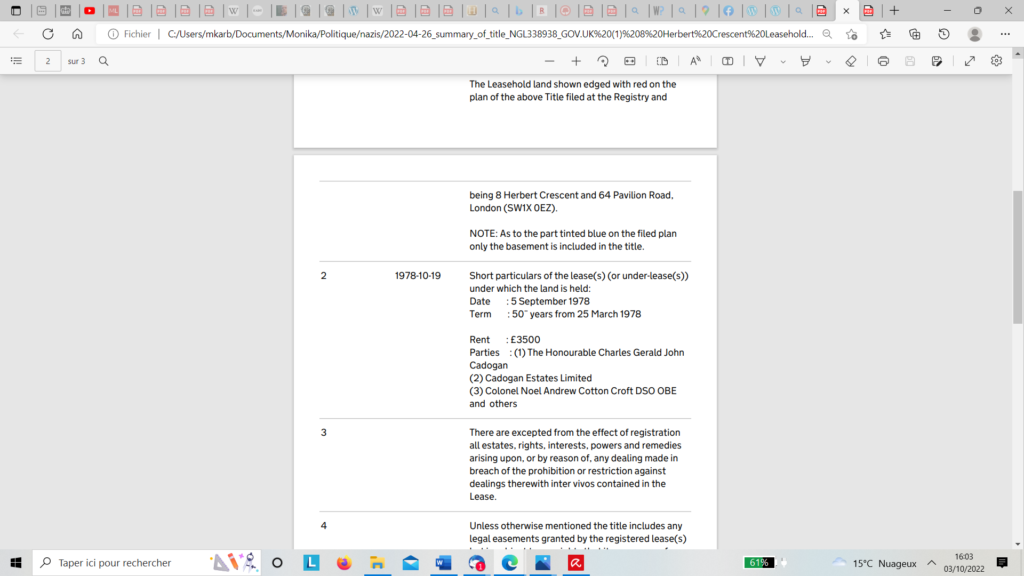
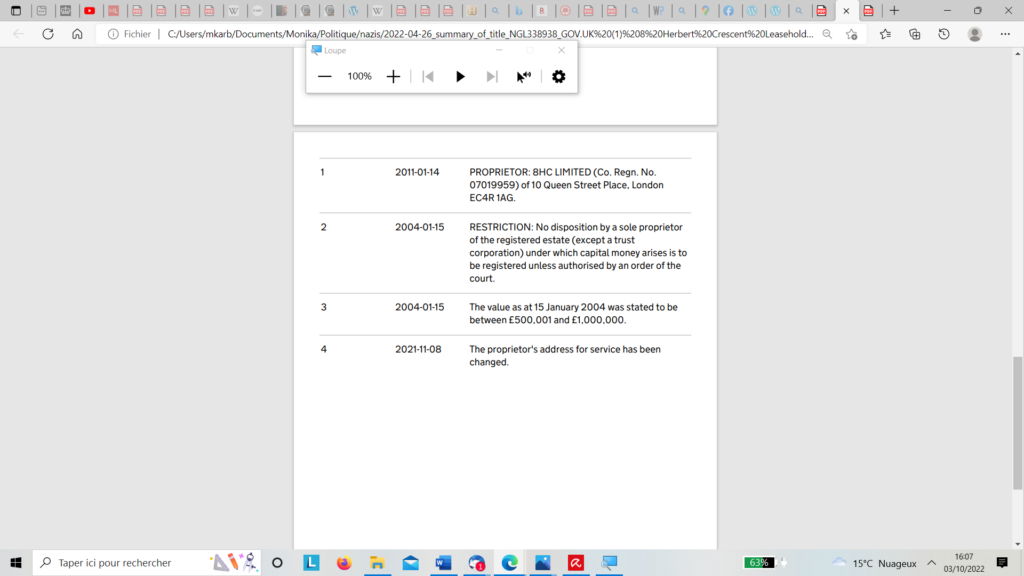
[30] Noel Andrew Cotton Croft | British Resistance Archive (staybehinds.com)
https://holdsworthtrust.org/those-that-served/noel-andrew-cotton-croft/
Charles Cadogan, 8th Earl Cadogan – Wikipedia

[36] David Nigel Vardon CHURTON personal appointments – Find and update company information – GOV.UK (company-information.service.gov.uk)
[37] CONTROL RISKS LIMITED filing history – Find and update company information – GOV.UK (company-information.service.gov.uk)
[38] David Nigel Vardon CHURTON personal appointments – Find and update company information – GOV.UK (company-information.service.gov.uk)

[39] THE SECURITY INSTITUTE overview – Find and update company information – GOV.UK (company-information.service.gov.uk)
Home – The Security Institute (security-institute.org)
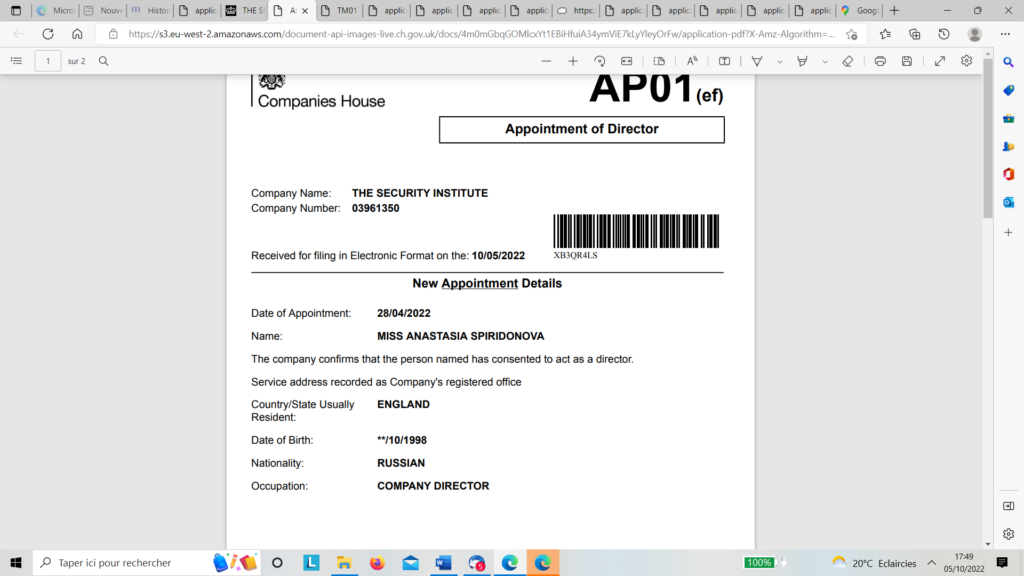
[43] Anastasia Spiridonova – Profile | The Security Institute (security-institute.org)
[44] BRITISH EXPERTISE overview – Find and update company information – GOV.UK (company-information.service.gov.uk)
[45] Nicolas Bodington – Wikipedia

[50] ALACO LIMITED filing history – Find and update company information – GOV.UK (company-information.service.gov.uk)
[52] Amazon.co.uk: Lorna Almonds-Windmill: Books, Biography, Blogs, Audiobooks, Kindle
[53] Caroline Margareta Adelmann ⇒ Free Company Director Check
[54] ardin.se | Feminist reflections and comments on animal rights, Swedish politics and Cuba from a political scientist, Christian left and long distance runner (wordpress.com)
L’Affaire Assange : Bréviaire de l’arbitraire ! – INITIATIVE COMMUNISTE (initiative-communiste.fr)
Faire la lumière pour gagner la bataille : Qui sont les proches de Julian Assange? (linkedin.com)
John Roger Blundell Rm director information. Free company director check. (cbetta.com)
[56] CREATIVE VACATIONS LIMITED overview – Find and update company information – GOV.UK (company-information.service.gov.uk)
The Honourable Cordwainers’ Company (thehcc.org)
[57] Worshipful Company of Cordwainers – Wikipedia
[58] TRANSACTION MERCANTILE LIMITED people – Find and update company information – GOV.UK (company-information.service.gov.uk)
[59] LONMAR GLOBAL RISKS | About Us | Our History
Les entreprises du « Club des Espions »
En 2010 l’équipe 8HC Limited se renouvelle.
Andrew Russel Foster Corn est un manager consultant de la génération des nés en 1969. Il a dirigé des entreprise comme Fulcrum Cyber, Fulcrum Research, Fulcrum Consulting and Business Intelligence, Fulcrum Diligence, Diligence International[1]….Fulcrum est une holding de sécurité américaine basée au Texas.[2] Au moment de son entrée dans le CA du Special Forces Club, le alors quarantenaire Russell Andrew Foster Corn dirige Fulcrum Business Intelligence avec Amanda Mary Corn, une femme qui doit lui être proche. Fait curieux, leurs bureaux se situent au cœur du quartier historique des espions au… 2 Duke Street, à deux pas de notre BCRA, juste à côté de la maison ou vécu Simon Bolivar, le libérateur historique de l’Amérique Latine.

Les domaines d’action des services des diverses sociétés Fulcrum ne sont pas très clairs, mais tous tournent autour de la « gestion de données business Data », d’hébergements de données, d’intelligence artificielle, tout ce qui touche à la surveillance et à la manipulations des personnes et des objets par l’informatique.
Un domaine clé des services secrets actuels mais on peinerait à lier leurs activités de contrôle intrusifs des citoyens avec les valeurs fondatrice du SOE – la lutte contre le fascisme, la liberté, la fraternité… On hésite aussi à croire qu’un businessmen moderne tel que M. Corn, de la génération des start-upers, comprenne ce que fut le souffle épique des luttes clandestines du SOE en Europe occupée!

Son collègue appointé en 2010 au 8HC Limited, Michaël Douglas Sixsmith, né en 1942, est directement présenté comme « security consultant » de profession. Douglas Sixsmsmith dirige l’entreprise Counterpoint Security Consulting depuis 1988 avec Joanna Sixsmith à partir de deux adresses du Kent jusqu’à la dissolution de la société en 2016. Il n’y a aucune information sur l’activité réelle de cette société, sauf un site internet d’une société de mercenariat aux Philippines dont il est impossible de dire s’il s’agit de celle de M. et Madame Sixsmith du Kent.[3] Eric Sixsmith est bien un général britannique ayant joué un rôle certain lors de la Seconde Guerre Mondiale, mais il est impossible de dire si Michaël Douglas a un lien avec lui.[4]


Le dernier à être coopté au CA du 8HC Limited en 2010 est Georges Bryan Redfern, retraité né en 1934. Il n’y a aucune autre information que celle de son passage au Special Forces Club en 2010-2013, rien sur sa profession, son statut social et d’autres activités, les personnages que l’on peut trouver sous ces noms sur internet étant tous bien plus jeunes. Un mystère, comme il se doit dans le monde des espions ?
En 2010 John Roger Blundell, le lieutenant-colonel à la retraite, chef de la guilde des « Cordwainers » de la City apparait comme ayant une adresse de domicile au 8 Herbert Crescent[5] en compagnie de Jonathan Paul Marshall qui est alors secrétaire du Club.[6] C’est Jonathan Paul Marshall qui valide et signe le compte rendu d’une résolution votée le 11 mai 2010 au CA du Club, co-signée par John Blundell et Adrian Nil Stones.[7]
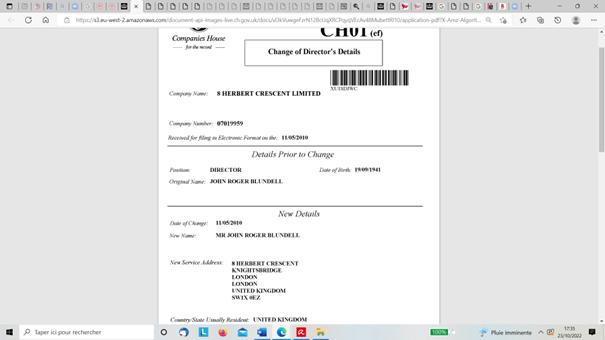
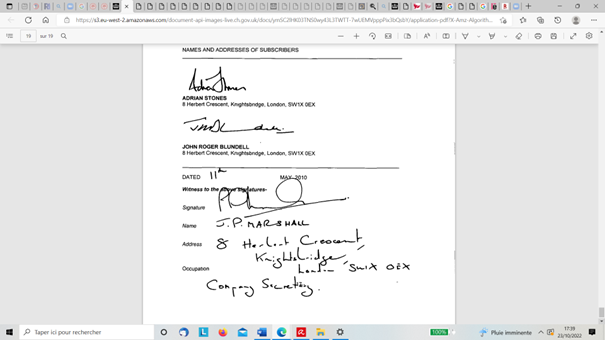
Cette résolution amendant les statuts et votée en Assemblée Générale à une large majorité, décide que les membres du CA doivent démissionner après 3 ans de services. Pourtant ces membres, presque tous spécialistes de la « sécurité » recrutés par le Club en 2009-2010, n’apparaissent aucunement sur le document publié sur le registre des entreprises.[8] Mais la résolution nous apprend que 496 votants ont voté pour contre 2 contre, ce qui porte le nombres de membres du Special Forces Club à environ 500.

Jonathan Paul Marshall est celui qui sur le registres des société dirige l’entreprise [9] Netwise Tech Limited. C’est peut-être une entreprise de location de serveurs dans la banlieue nord de Londres. C’est honorable mais cette activité est néanmoins très éloignée de l’éthique du SOE[10].


Le 19 mai 2010 Caroline Aydon Griffith est appointée comme directrice alors qu’en juillet une décision collective confirme la même position pour Thomas Griffith Vaughan Roberts. Sensiblement du même âge (elle née en 1944 lui en 1949), elle retraitée, lui, directeur dans de puissantes compagnies d’assurances de la City. Ils ont peut-être un lien de parenté par leur nom Griffith. Caroline Aydon Griffith a été directrice de l’entreprise Thane Entreprise de 1991 à 2006, un gestionnaire de biens immobiliers, surtout ceux de 1-3 Morpeth Terrace et de 1-3 Carlisle Place à Londres avec d’autres personnes.

Dans les documents de cette entreprise, on s’aperçoit néanmoins que cela doit être son lieu d’habitation et que sa profession est « governement servant », fonctionnaire. Cependant il est impossible de découvrir quel emploi public occupe cette gestionnaire du Special Forces Club[11]. Les deux adresses sont cependant deux beaux immeubles au cœur de Westminster, très proches de Victoria Station et à deux pas du Buckingham Palace. Madame Aydon Griffith sert certainement l’Etat à un poste élevé qui doit rester secret pour le citoyen curieux.
Le dernier arrivé en 2010 est le « brigadier Anthony Hunter Choat », retraité, né en 1936. Ce militaire britannique a un CV étonnant et atypique: engagé dans la Légion Etrangère en France, il combat du côté français dans la guerre d’Algérie au sein du 1er Régiment Parachutiste. Au côté du commandant du 1er REP, le Français Hélie de Saint Marc, il participe au putsch des généraux contre le président de Gaulle du 21 avril 1961.
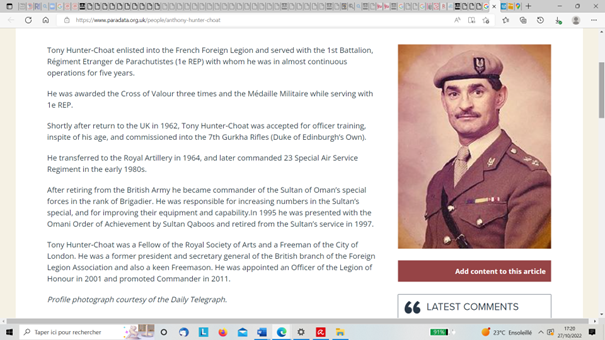
Hélie de Saint Marc est condamné à la prison à l’issue de ce putsch, mais Hunter Choat rentre en Angleterre, s’engage dans l’armée britannique et poursuit une carrière politico-militaire impressionnante, à partir des SAS anglais jusqu’à l’Etat major de l’OTAN et au SACEUR, le commandement intégré de la structure atlantiste dans les années 1980. Il termine sa carrière avec le rang de colonel en 1986 mais poursuit sa carrière politique en créant l’armée privée du sultan d’Oman, puis deux structures américaines au Kosovo après 1999 et en Irak après l’invasion US en 2003.

Un homme de pouvoir assurément dont la présence montre que le Special Forces Club est bien un lieu d’influence politique, d’ailleurs plutôt anti-gaulliste. Malheureusement, le parcours de Hunter Coat avec son implication dans de brutale guerres coloniales n’a rien avoir avec les valeurs anti-fascistes premières du SOE[12].
Hélie de Saint Marc, le commandant du 1 REP , serait certainement plus à sa place au Special Forces Club étant donné son engagement précoce dans le réseau Jade Amicole lié à l’Intelligence Service mais on ignore s’il en est membre.
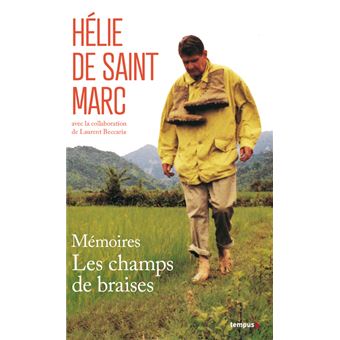
Dans une décision de l’AG du 8HC limited datant du 25 avril 2013 on apprend que le nombre de membre «full member » sera limité à 3250 et celui des membres invités (« sponsored ») à 300. Si le Club atteint la taille de 3250 membres, cela en fait un très beau réseau d’influence politique.
Par contre, on remarque aussi que dans le conseil d’administration ne figure le nom d’aucun ancien membre du SOE encore vivant ni de celui d’aucun autre réseau de résistance ou de renseignement lié à l’IS, au BCRA ou aux autres services de renseignements alliés européens (polonais, tchèque, grec ou yougoslave, belge, néerlandais qui travaillaient avec le SOE).
De même aucun descendant de ces héros de participe à la gestion du Club alors que le Club est censé perpétuer les valeurs de solidarité et d’amitié de la fraternité de combat contre le nazisme.
Dans le rapport annuel (Annual return) du 15 septembre 2013 se trouve une liste des membres de la direction. Parmi les nouveaux se trouve Anthony Norman Macclenaghan, historien militaire et Donald Angus Macsween[13]. Anthony Norman Mcclenaghan né en 1946 est crédité être historien militaire. Mais on ne retrouve rien sur sa production scientifique, uniquement l’information issue des archives nationales anglaises qu’il serait proposé pour une décoration, le « British Empire Medal ». Dans ce court texte on apprend qu’il est sergent-chef à « l’intelligence corps », le service de renseignement de l’armée de terre et que la promotion date de 1975[14].


Donald Angus Macsween est un manager [15] mais il n’est pas très clair quel est son activité exacte.[16]
Il serait intéressant d’analyser les CV de tous les autres directeurs qui interviennent dans le club, mais ce travail est fastidieux et il est probable qu’il ne prouverait rien d’autre que ce que j’ai déjà pu démontrer ici : le Special Forces Club n’est pas dirigé par les nobles vétérans du SOE ni par leur descendants, mais par des storytellers du système médiatique atlantiste actuel.
Courant 2014 et 2015 l’équipe de 2010 démissionne progressivement et le Conseil d’Administration est entièrement remplacé d’ici fin 2017. Les dirigeants de 2017-2018 sont ceux qui sont en place dans les derniers documents de la structure datant de 2021.[17] Les noms sont les suivants : Howard Norman Leedham, Paul Eli Beaver, Nigel Sommerville, Suzanne Williams, Mark Winlow, Michael Bruce King, Robert Austy Ivor Dicketts, Kate Megan Molan, Peter Russel Wilson, Matthew Wiliam Southwark Cawthorne.
Ce dernier par exemple, Matthew Wiliam Southwark Cawthorne, est aussi le dirigeant de Polarm International Limited, un groupe spécialisée dans les formations au « activités à risques » avec « analyse comportementale » à la clé, fournisseur attitré de l’armée britannique.[18]

Polarm donne ainsi des formations aux militaires et policiers dans les arts martiaux et diverses écoles de close combat. C’est encore une de ces officines privées qui gravitent autour et pour les services secrets britanniques, tout en offrant des couvertures lorsque qu’il s’avérerait que les psy-op anglais sont de trop mélés à un mauvais coup contre un pays étranger : exemple l’attaque terroriste du pont du Kerch pour laquelle la Russie accuse les services spéciaux du Royaume Uni.
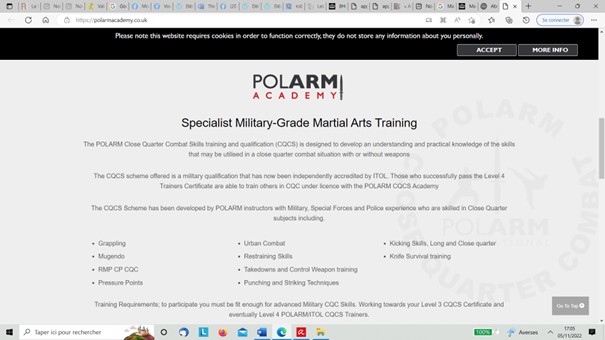
Howard Norman Leedham, l’actuel directeur du Club est un officier des forces spéciales britanniques gérant d’un fond d’investissement à Dubai.[19] Il est aussi gérant d’Equinox Security International, [20] une entreprise privée de sécurité ouverte en 2015 et existant aussi en France. Il n’y a pas de site internet de l’entreprise en Angleterre, ce qui suggère que n’ayant pas besoin de clients, elle sert surtout de couvertures aux services, [21].

Sa version française arbore sur son site internet un logo drapé des couleurs nationales bleu blanc rouge en violation de la Loi et du Livre 6 du Code de la Sécurité intérieure. Elle est spécialisée dans la surveillance électronique anti-intrusion et se targue de travailler pour les plus grands groupes français Eiffage, Vinci, Darty, Colas, Leclerc, Intermarché.[22]
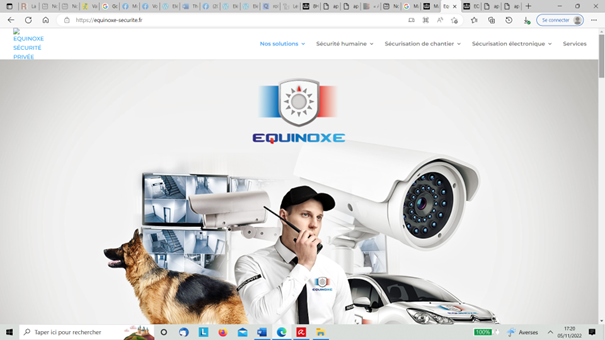
Naturellement ces activités, selon moi, n’ont rien en commun avec les valeurs fondatrices du SOE. Je doute fort que les martyrs du SOE assassinés par les nazis apprécieraient s’ils et elles étaient vivants que leur nom soit associés à la défenses des intérêts de banquiers de la City et de princes autocrates du Golfe Persique.
Je pense aussi qu’il est révoltant que le patriotisme et l’esprit de sacrifice des membres Français du SOE puisse être utilisés pour leurs propres intérêts privées par des entreprises dont l’activité sécuritaire prospère sur les débris du service public. C’est fort dommage que l’Esprit de Résistance du logo si émouvant du SOE se soient mué en esprit de lucre et de privatisation du Bien commun!
Non, Francis Suttil, Violette Szabo, Andrée Borel, Yvonne Rudellat et tous les autres martyrs ne sont pas morts pour ça ! Ce 8HC Limited n’a pas le droit de se présenter sans honte comme l’héritier du héroïque SOE !
Pourtant, Paul Eli Beaver, directeur du 8HC Limited actuellement, est un journaliste spécialisé dans la Public Relation militaire (propagande) autour du terrorisme. Il fut un des storytellers du mensonge de 2003 menant à l’invasion de l’Irak par les Anglo-Américains et leurs vassaux de l’Est et du Sud.

Il est aussi un dirigeant du Think Thank conservateur [23] Henry Jackson Society qui prône sans complexe l’impérialisme britannique à l’ancienne et l’interventionnisme armé dans tous les pays et les sociétés dont les principes et les valeurs ne plaisent pas aux élites WASP. Tout un programme de guerres en perspective ! Cet homme dangereux pour la paix mondiale a aussi fondé en 2002-2005 l’entreprise Closed Solution Limited [24] encore une de ces mystérieuses entreprises de « conseil en sécurité privée ».
Le site internet propose des services de protection rapprochée et de la surveillance par drone. Curieusement, il n’y a aucune adresse affiché et le numéro de téléphone commence par 07, indicatif de la Russie… Mais nous savons tous combien les services anglais adorent brouiller les pistes ![25]
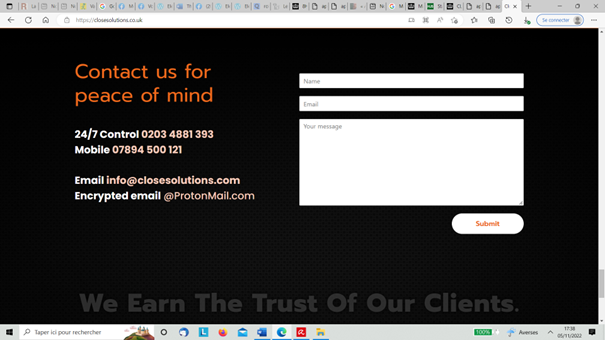
Le siège de Closed Solution Limited est bien selon Beta Companie, registre officiel, en Angleterre, [26] à Havant, joli localité à côté du port de Portsmouth. Les dirigeants actuels en sont Peter et Shirley Varnish. Peter Varnish serait un ingénieur spécialiste des armes électroniques, [27] membre de l’Académie Royal des Sciences et conseiller du ministère de la défense et du Foreign Office. Une pointure dans le domaine militaire, donc, logiquement associé au producteur de récit et d’idéologie guerrière, Paul Eli Beaver.[28]

Shirley Anne Varnish dirige elle aussi Geopolitical Solutions, une officine existant depuis 2001 spécialisée dans le lobbing politique et opérant à Washington, Espagne et Genève, offrant des « services diplomatiques (on ne comprend pas trop ce que ce vocable peut recouvrir étant donné que la diplomatie est une prérogative régalienne de l’Etat…) [29] mais son siège est exactement au même endroit que Closed Solutions, à Station House, North Street à Havant, Grande Bretagne. [30]
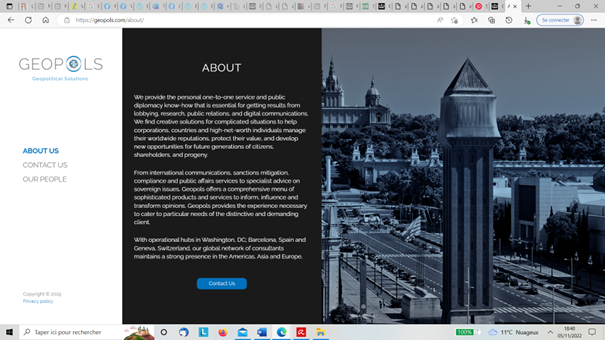
Et le dernier examiné, Nigel Somerville est «Head of Marsh advisory Risk Manager », encore un spécialiste du « risques »[31] dans un groupe international de 45 000 personnes dans 130 pays.[32] Nigel Somerville apparait aussi dans l’entreprise Georeach Global Limited, une importante structure de 22 actionnaires [33], dont des pointures comme par exemple Nicholas Simmonds, un directeur du Royal Brompton Hospital[34].
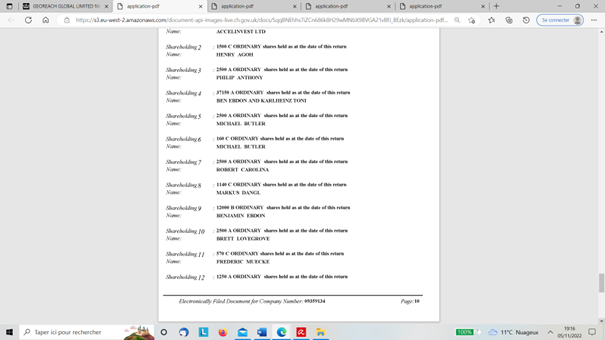
Par contre, l’activité de la structure n’est pas très transparente. C’est bien ce consultant médical Simmonds qui est chargé de mener à bien la liquidation de cette mystérieuse structure cette année 2022.[35]

Un curieux site français, « Intelligence Online » prétend connaitre sur le bout des doigts le Special Forces Club dans un de ses articles … réservé aux abonnés, et pour être abonné il faut montrer patte blanche ![36]
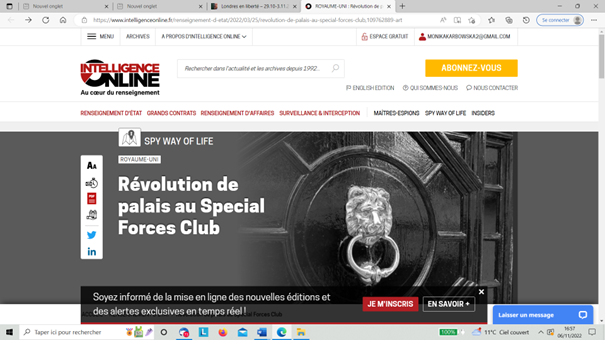
L’article sur le Special Forces Club date curieusement du 25 mars 2022, le 29 juillet dernier le site publiait une analyse sur un autre lieu de pouvoir anglais célèbre : le Travallers Club[37].
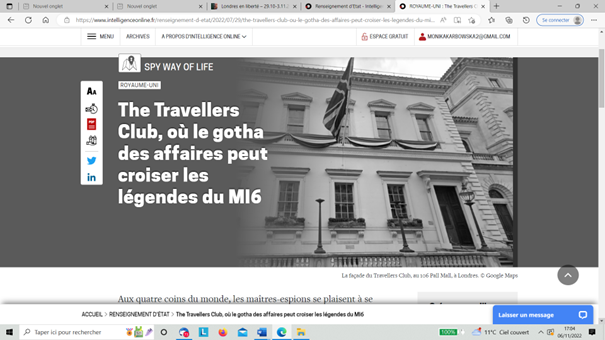
Pour les Français férus « d’intelligence » aujourd’hui, ce club est lieu historique du MI6, mais pour les Résistants du temps de la guerre il était déjà connu sans qu’il en soit fait mystère : Roger Stéphane le décrit dans ses livres autobiographiques comme étant son lieu de prédilection pour ses rendez-vous en 1946 avec Harold Nicholson, ministre d’information et ami de Churchill, et les cercles rapprochés du pouvoir anglais. Roger Stéphane décrit sans complexe l’endroit également comme étant un des lieux d’à peine discrètes rencontres amoureuses entre gentelmen situés à de hauts postes dans la société[38].
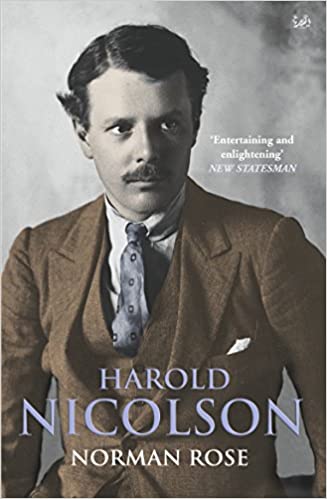
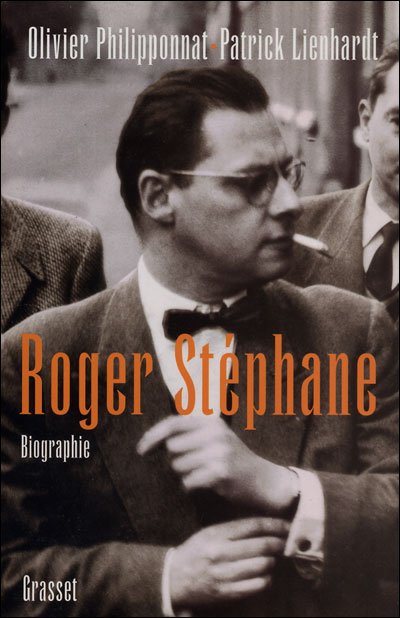
La guerre et la Libération furent aussi des grands moments de libération personnelle, dont sexuelle…
En tout cas le site Information stratégique, économique et politique – Intelligence Online se vante de faire connaitre à son public choisi les « secrets d’Etat », mais par définition un secret n’est pas partageable, sinon il cesse d’être un secret, comme disait Sir Claude Dansey, le maitre en la matière. Tout au plus ce genre d’entreprise ne peut que servir de lieu à un storytelling choisi pour la politique du moment. Pierre Gastineau est un jeune rédacteur en chef considéré comme « spécialiste du renseignement », avec à son actif un ou deux livres, mais aucun CV crédible n’est disponible nulle part.
Ce samedi 23 avril il est temps pour moi de rentrer en France. Je vais chercher les résultats du détestable test PCR que les flics français exigent toujours des citoyens Français pour avoir le droit de rentrer chez eux et je quitte le quartier de Harrods pour me diriger vers Victoria Station.
[1] RUSSELL ANDREW FOSTER CORN – POOLE (checkcompany.co.uk)
[2] Blog | Fulcrum Technology S (ftsc.com)
Why BI is for everyone | The Fulcrum Group
Fulcrum Analytics – Data Science Consulting
[3] Counterpoint Security System Inc – Counterpoint Security System Inc (counterpoint-security.com)
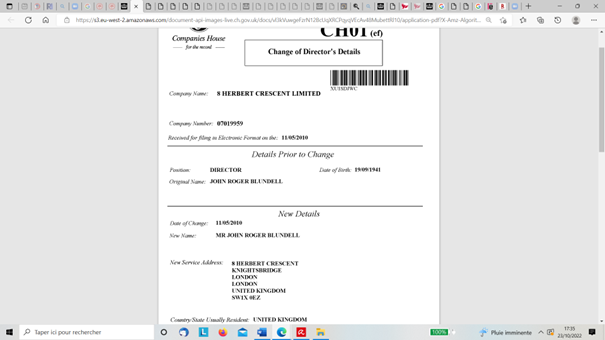
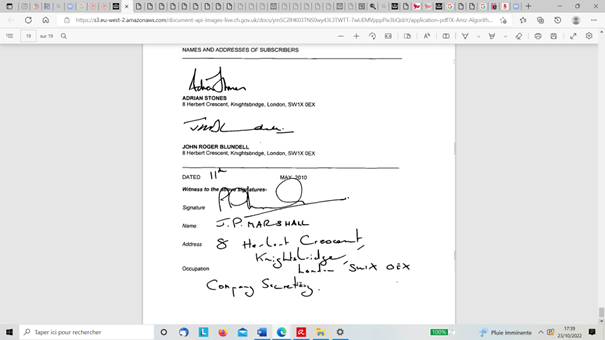
[9] NETWISE TECH LIMITED filing history – Find and update company information – GOV.UK (company-information.service.gov.uk)
[10] London Server Colocation and Data Centre Services | Netwise
[11] THANE ENTERPRISES LIMITED filing history – Find and update company information – GOV.UK (company-information.service.gov.uk)
[12] Tony Hunter-Choat – Wikipedia
1er régiment étranger de parachutistes — Wikipédia (wikipedia.org)
Hélie de Saint Marc — Wikipédia (wikipedia.org)
Dans ses mémoires Hélie de Saint Marc raconte son engagement dans le réseau de renseignement Jade Amicol travaillant avec l’Intelligence Service, la déportation au camp de concentration de Buchenwald et justifie son insoumission face à de Gaulle en Algérie
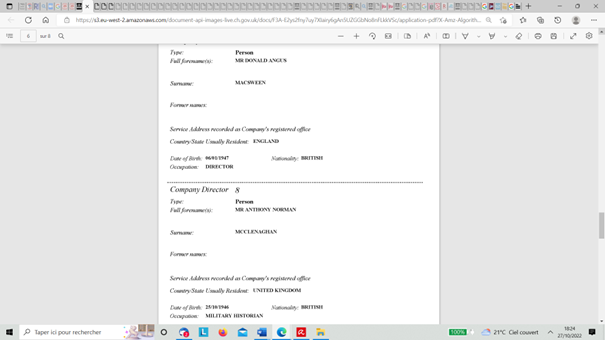
[14] Intelligence Corps | The British Army (mod.uk)
[15] DONALD ANGUS MACSWEEN – LOUGHTON – RISK MANAGEMENT (checkcompany.co.uk)
[16] douglas angus macsween – Find and update company information – GOV.UK (company-information.service.gov.uk)
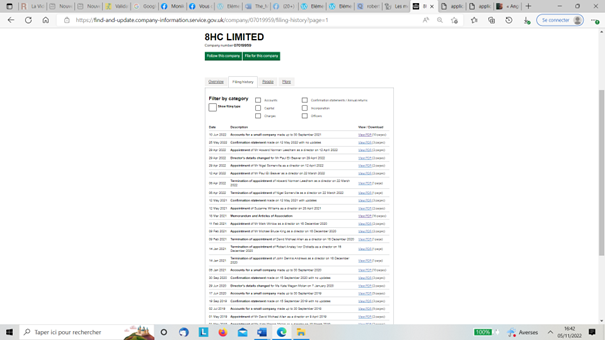
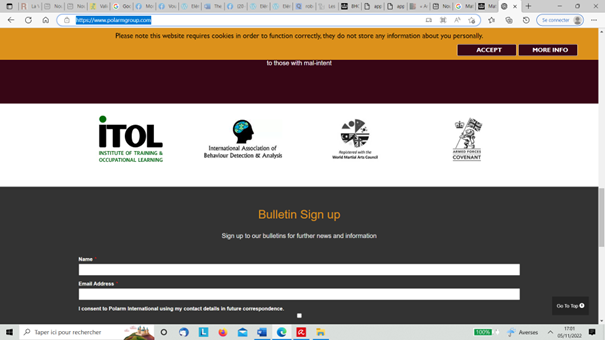
About the Specialist Eviction Removal Team Polarm International (polarmgroup.com)
[19] Meet Howard Leedham, the British commando who became a Dubai hedge fund manager (thenationalnews.com)
[20] EQUINOX SECURITY INTERNATIONAL LTD filing history – Find and update company information – GOV.UK (company-information.service.gov.uk)
[21] Equinox Security Management Ltd., Watford, United Kingdom (UK) | Contact Equinox Security Management Ltd. | Security companies (sourcesecurity.com)
[22] Equinoxe Sécurité Privée – EQUINOXE SÉCURITÉ PRIVÉE (equinoxe-securite.fr)
Henry Jackson Society: Project for Democratic Geopolitics – Powerbase
[24] CLOSED SOLUTIONS LIMITED filing history – Find and update company information – GOV.UK (company-information.service.gov.uk)
Close Solutions International Ltd – Private, Protected and Prepared
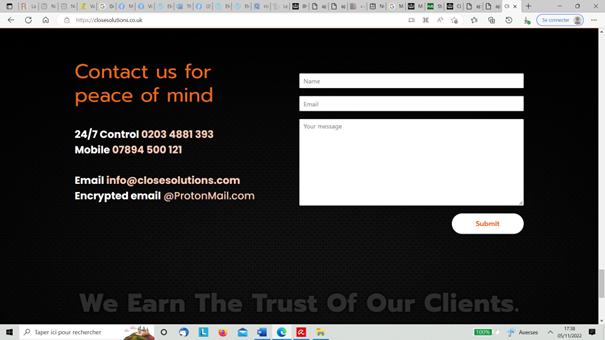
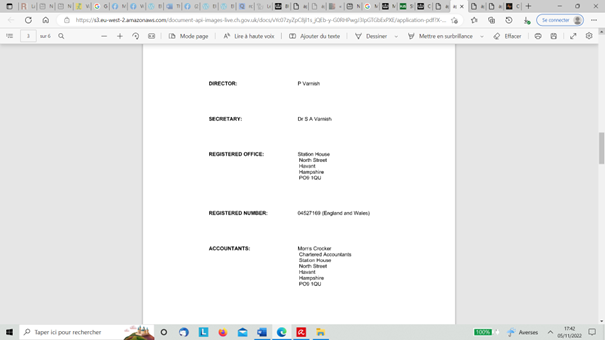
[27] Peter Varnish, Author at Hstoday
[28] Peter Varnish – Powerbase
[29] Peter VARNISH personal appointments – Find and update company information – GOV.UK (company-information.service.gov.uk)
[30] GEOREACH GLOBAL LIMITED filing history – Find and update company information – GOV.UK (company-information.service.gov.uk)
[31] Nigel Somerville MBE MC – Managing Director – Marsh Risk Advisory – Marsh | LinkedIn
[32] Conseil en risques | Insurance Broking & Risk Management | Marsh
Risk Consulting | Insurance Broking & Risk Management | Marsh
[34] Professor Nicholas Simmonds | Royal Brompton & Harefield hospitals (rbht.nhs.uk)

[36] ROYAUME-UNI : Révolution de palais au Special Forces Club – 25/03/2022 – Intelligence Online
[37] ROYAUME-UNI : The Travellers Club, où le gotha des affaires peut croiser les légendes du MI6 – 29/07/2022 – Intelligence Online
[38] Roger Stéphane « Fin d’une jeunesse, carnets 1944-1947″, La Table Ronde 2004, pages 131-150

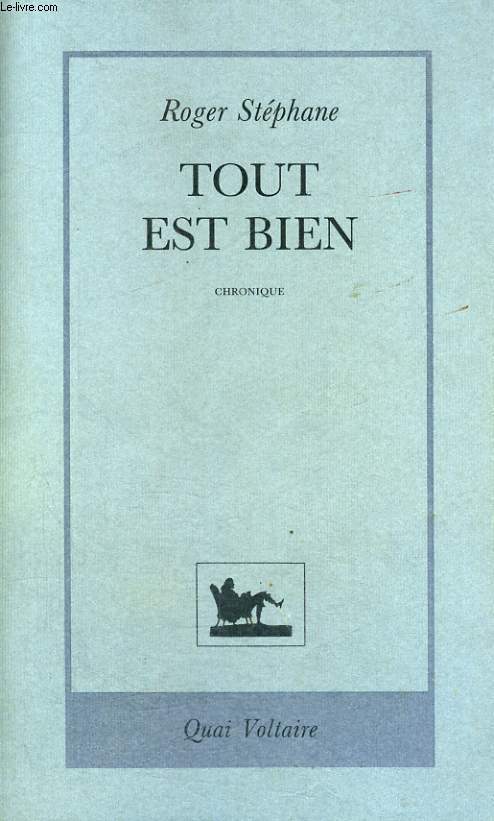
Retour par Brighton chez ceux qui furent courageux en 2021 et qui ont gagné la bataille
Dans l’après-midi je prends le train pour Brighton. C’est avec émotion que je retrouve la station balnéaire que j’ai connu en janvier 2021, au plus fort de la violence covidienne en Europe.
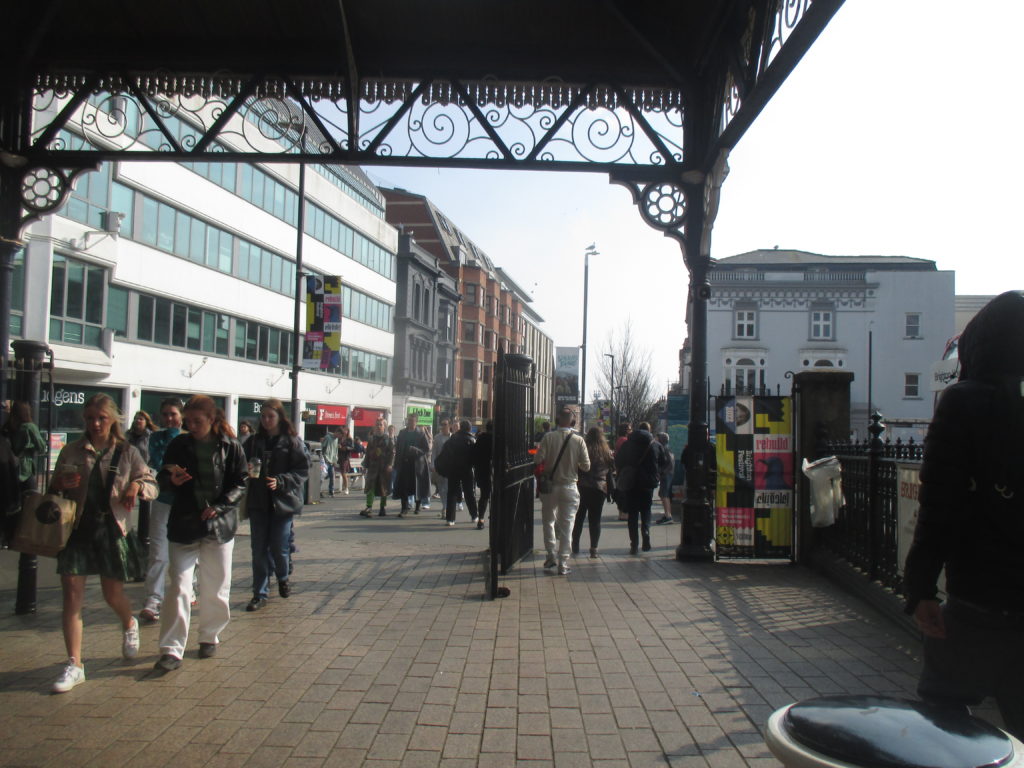
Je sors de la gare ouverte sur la ville remplie de monde, mon regard s’arrête sur les petites maisons pittoresques peintes de couleurs vives, la zone piétonne avec les boutiques de vêtements vintage et d’antiquités, les larges allées arborées descendantes vers la mer. Je contemple la foule de jeunes, de touristes qui se presse dans les rues et les magasins, l’effervescence de vie et de joie et je chasse péniblement de mon esprit le souvenir glauque de janvier, de l’angoisse des rues vides du confinement, de la tension qui régnait, de la tristesse. Je retrouve l’unique restaurant italien qui avait accepté de me nourrir un dimanche soir.
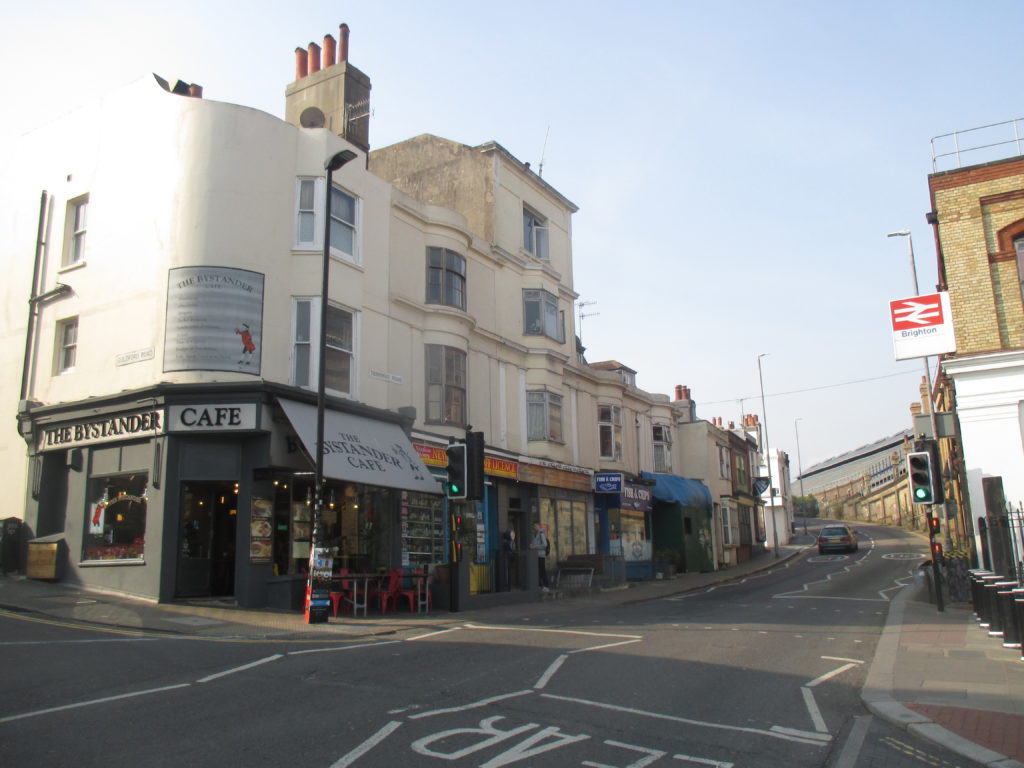
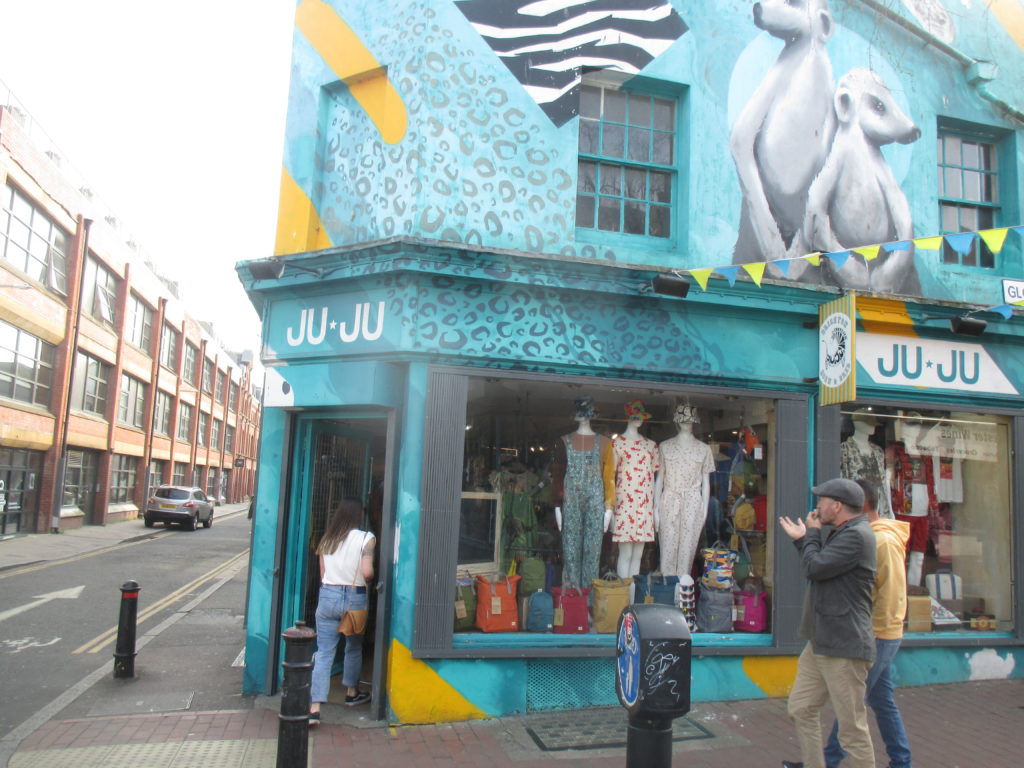
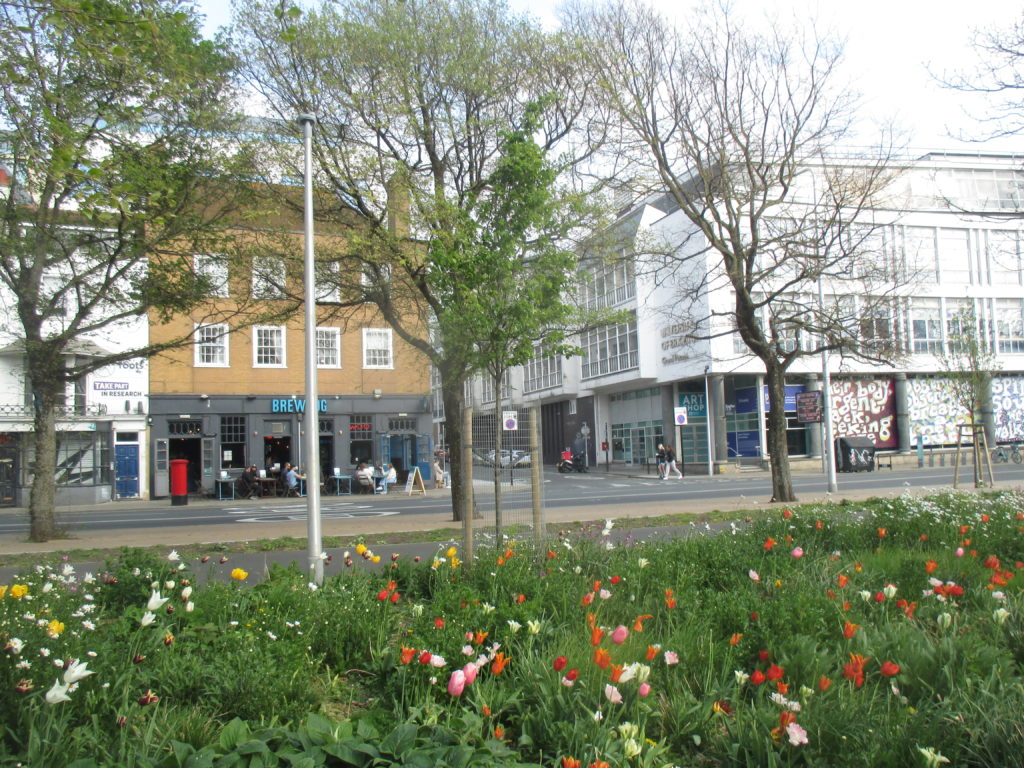
Surtout, je retrouve avec émotion la petite rue du centre-ville au bord de la mer qui abrite le petit hôtel dont les courageux propriétaire ont bravé la dictature covidienne pour me recevoir sans rien demander d’autre qu’une modeste rétribution en liquide. Ma chambre se trouvait en plein quartier homosexuel et je suis infiniment reconnaissante à ces courageux garçons de m’avoir offert leur refuge. Eux se souvenaient visiblement ce que violence policière veut dire et ont spontanément rejoint la Résistance.
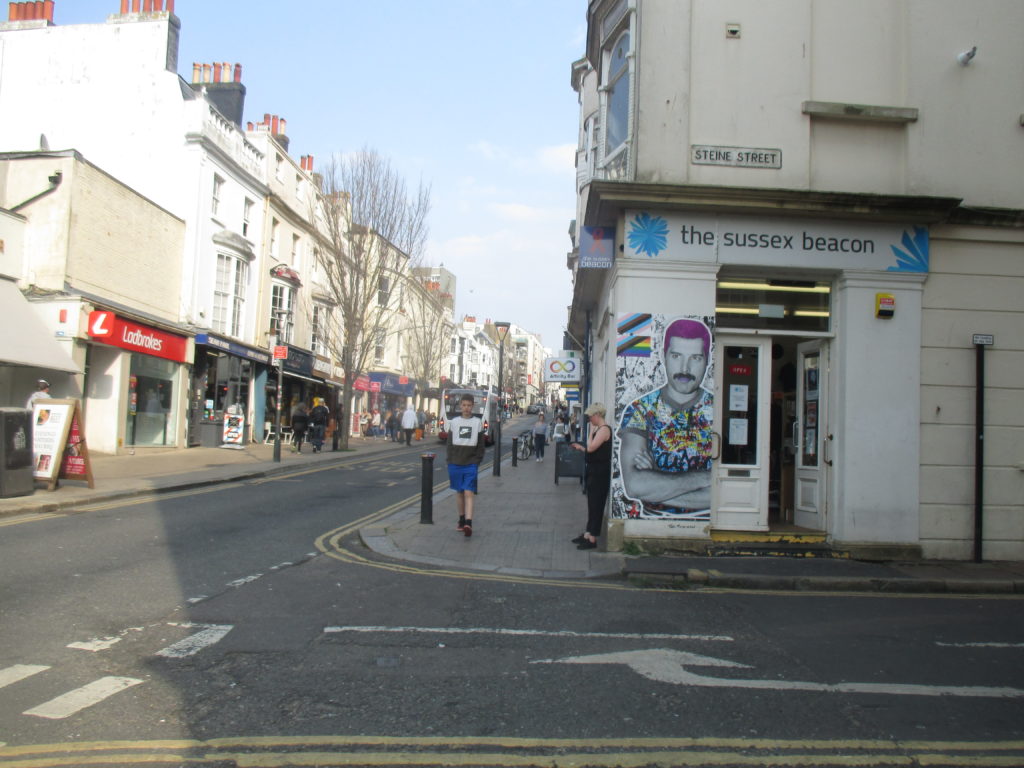
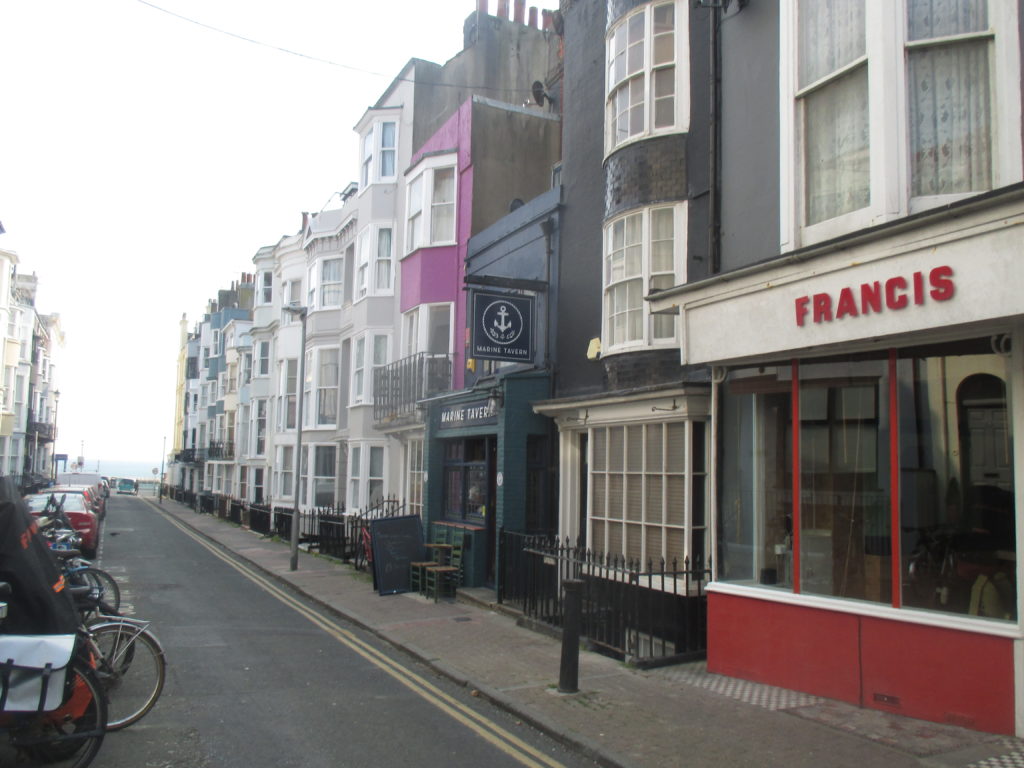
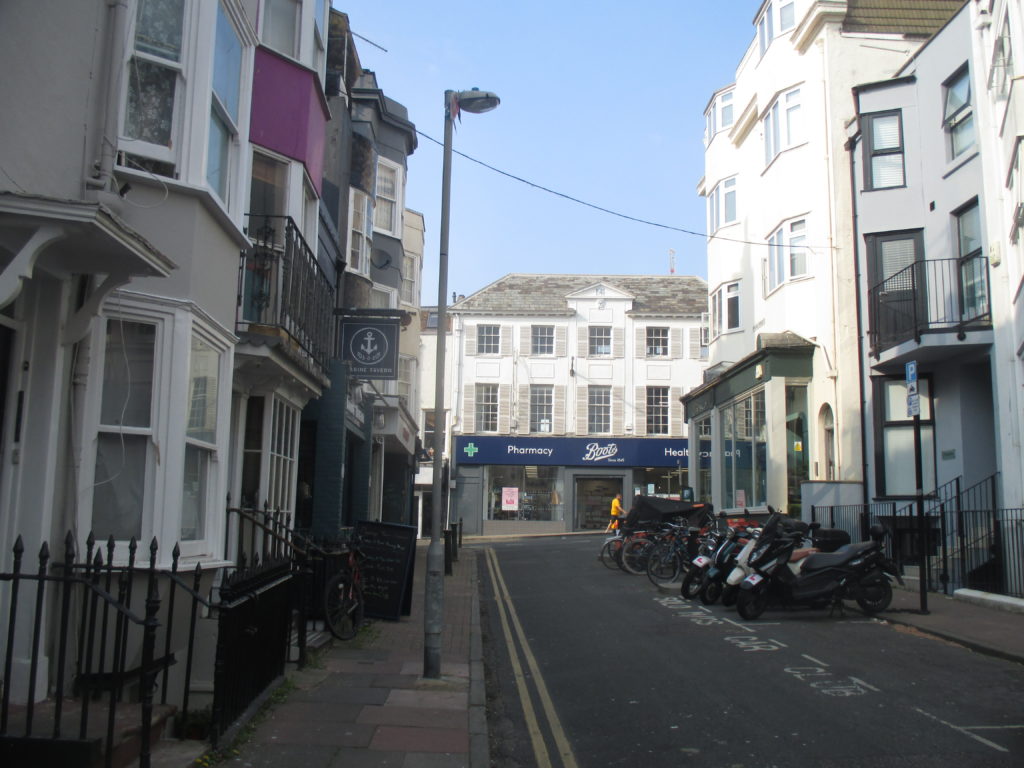
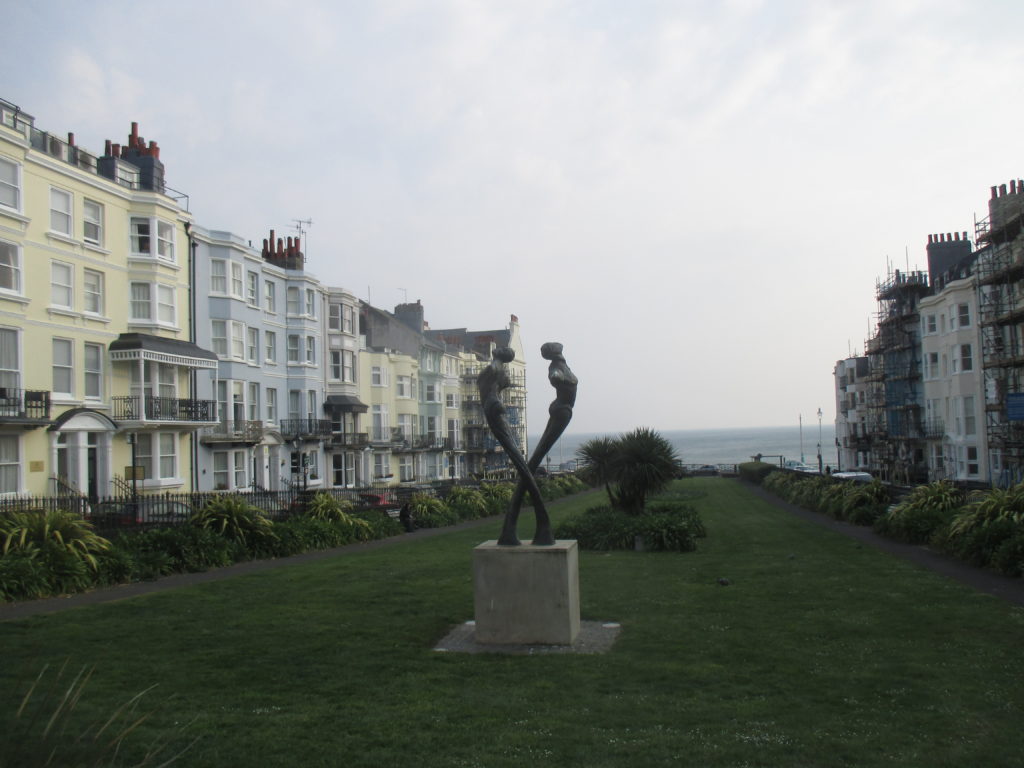
Nous sommes samedi soir et l’ambiance est irréelle, l’air printanier vif et frais transporte de joie des farandoles de garçons et de filles qui se promènent, crient et rient, dansent dehors au son de diverses musique, boivent plus que de raison dans les pubs et les restaurants pleins à craquer, à même les rues et les boulevards, sur le front de mer et la plage. Je suis heureuse, mais il est évident que je ne trouverai même pas une seule place dans le restaurant très courru de mes hôtes de janvier 2021. Tout est plein et c’est bien ainsi ! Je suis heureuse pour eux ! Je finis par trouver une jolie chambre donnant sur les toits dans un minuscule hôtel tenu par deux jeunes filles.
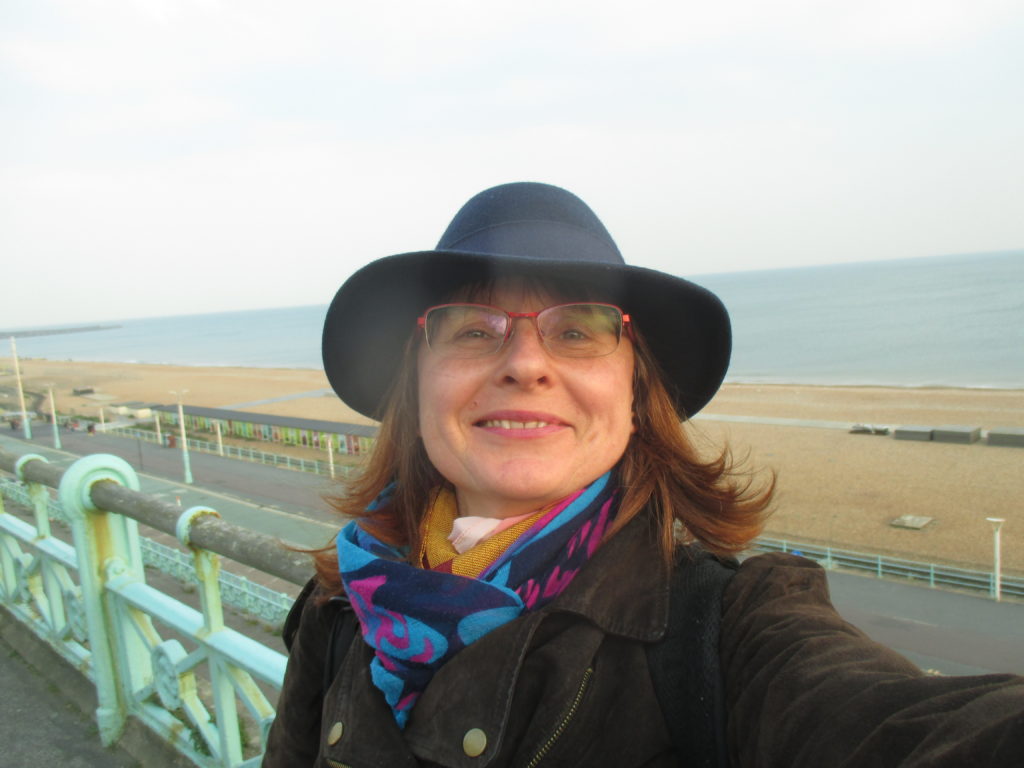
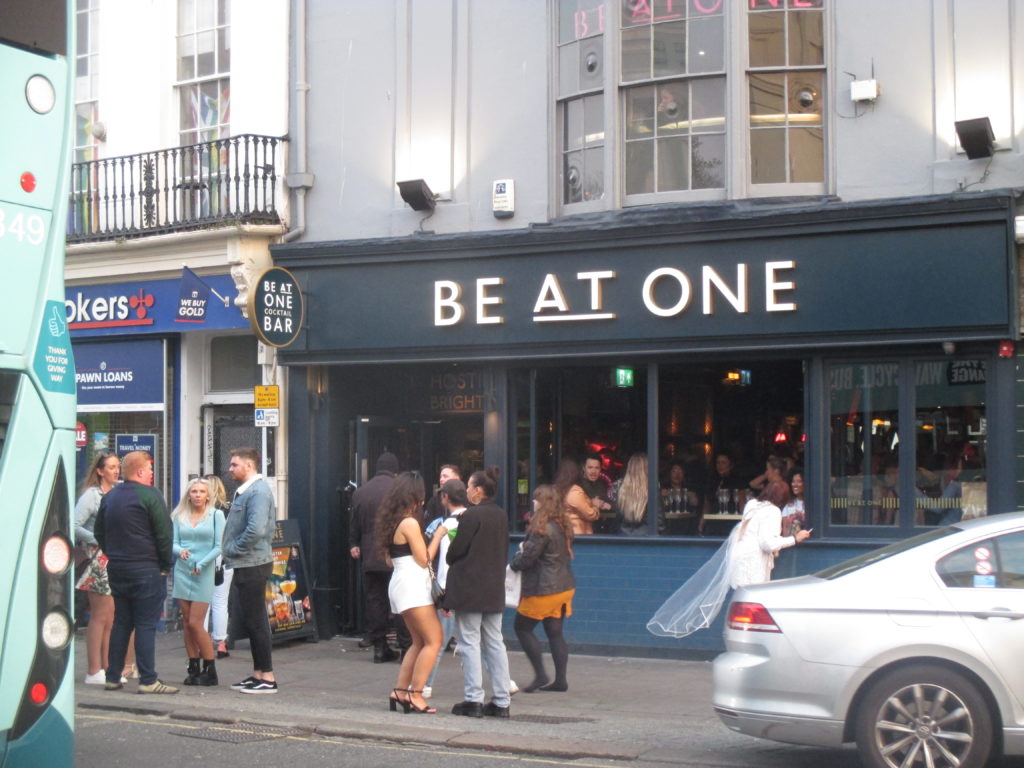
Je me promène sur le bord de mer avant de dîner d’un excellent Fish and chips que je retrouve au même endroit qu’en janvier 2021 avec le même accueil serviable et la même ambiance déterminée et dynamique. Le lendemain je me lève très tôt pour prendre le bus pour New Heaven toujours en longeant la mer. J’appréhende l’arrivée sur mon ferry, dans la petite gare ou j’avais débarquée et embarquée en janvier 2021. Mais tout se passe merveilleusement bien.
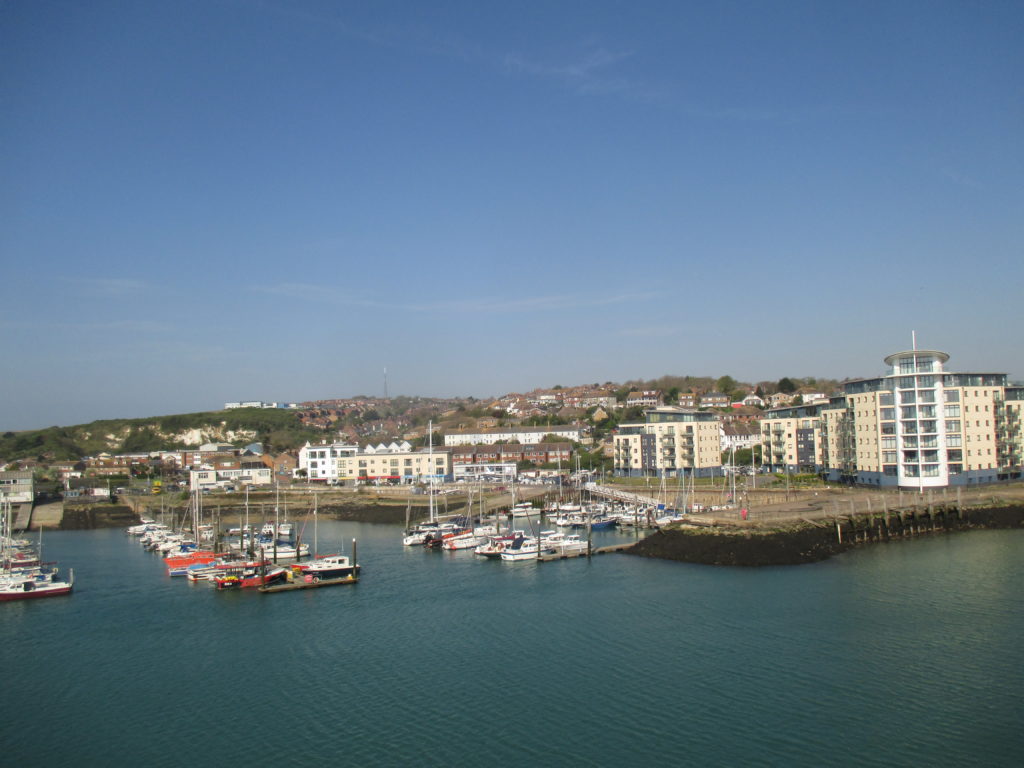
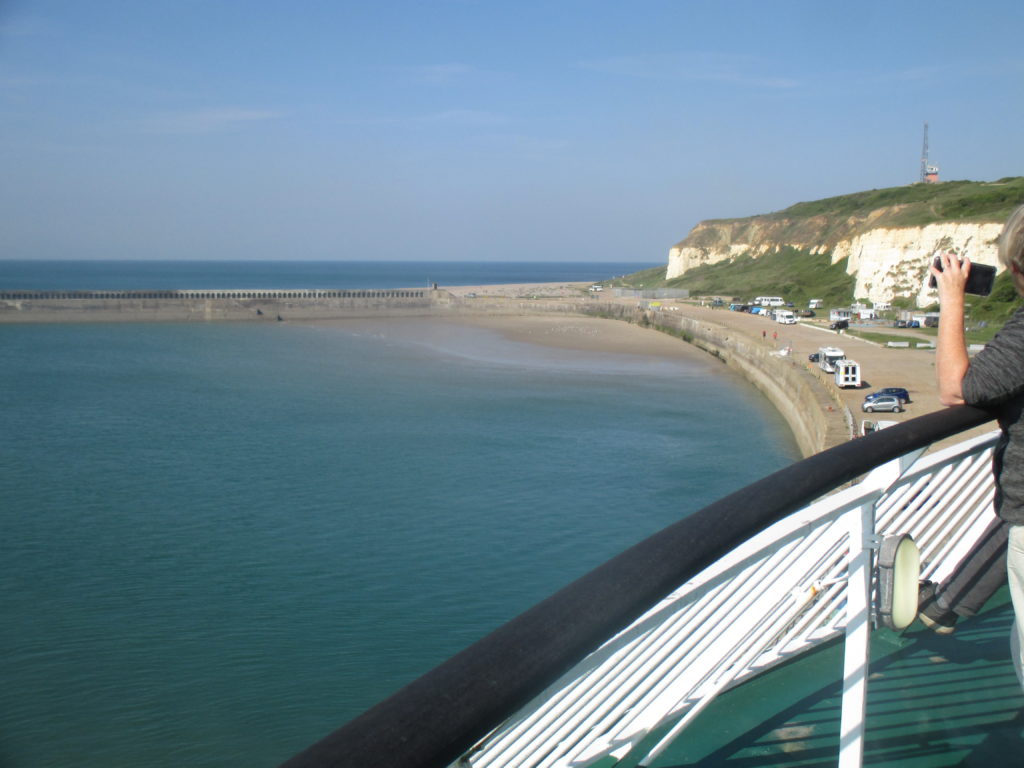
Certes les employés du transporteur DFDS vérifient le détestable test PCR alors que les policiers aux frontières jette un coup d’œil rapide à nos passeports. Mais il n’y a plus aucun masque nulle part et on est loin de la lourdeur et la violence de janvier 2021. La salle d’attente se remplit vite et nous embarquons après à peine une rapide vérification de bagages par les agents de sécurité. Le ferry est rempli de camping-cars et de caravanes : les Anglais descendent enfin en France et dans le sud en vacances ! Il y a aussi de jeunes touristes et des familles normandes qui ont fait un saut de Dieppe en Angleterre.
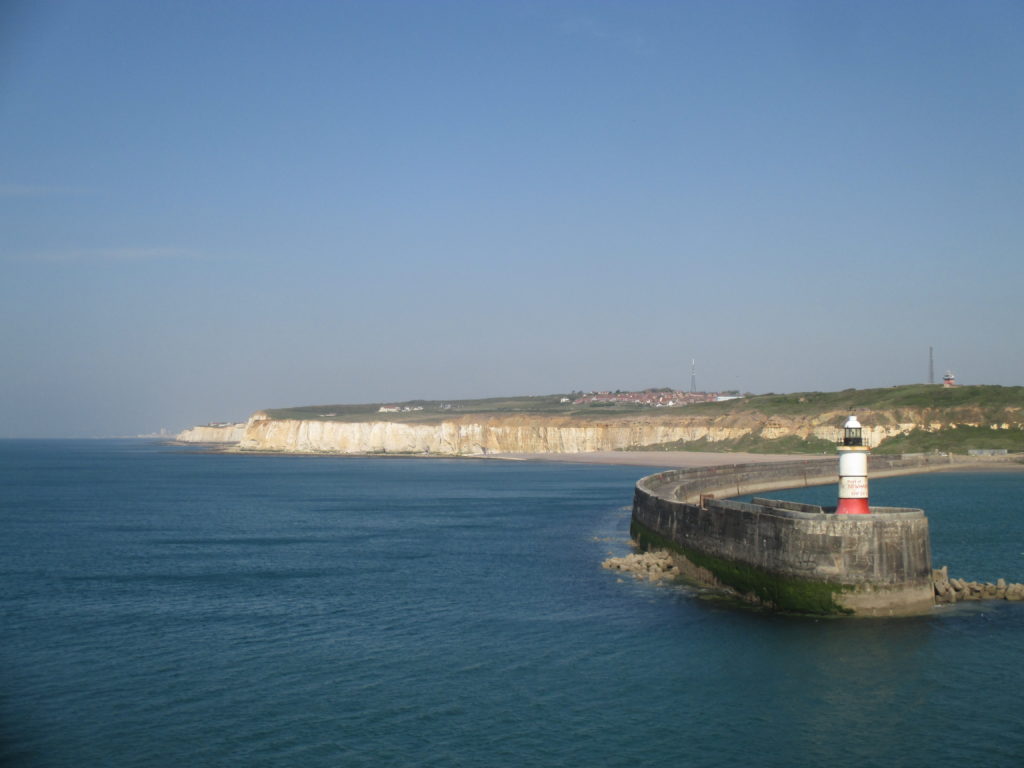
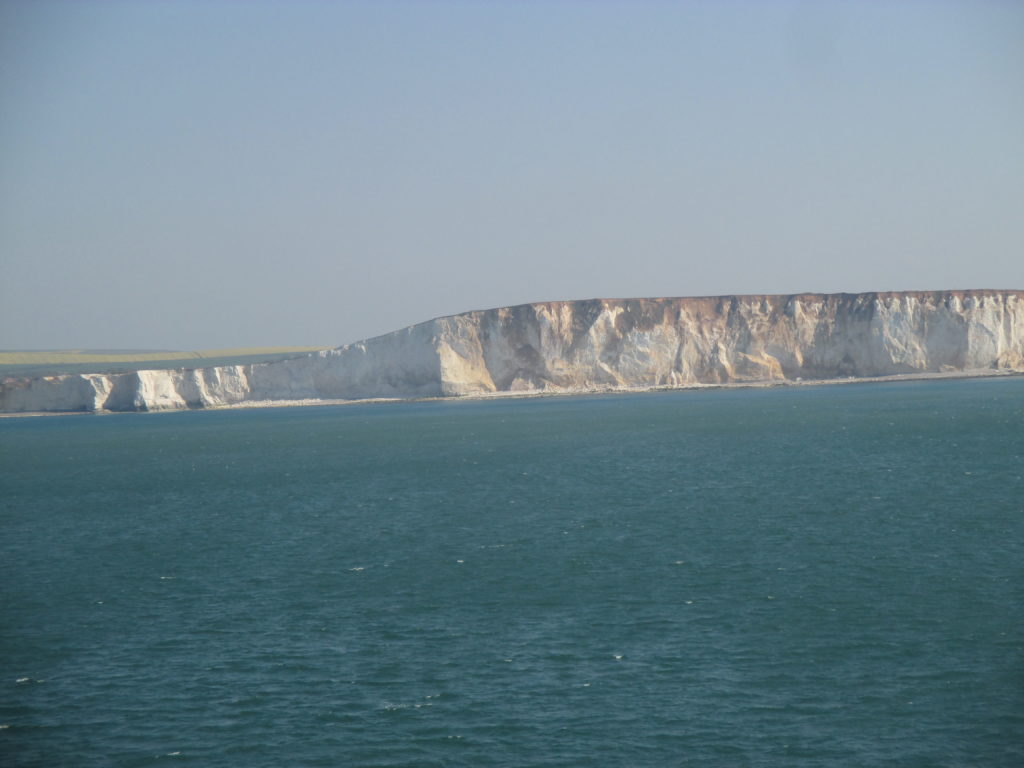
Je passe des moments merveilleux à contempler la mer et les falaises dans le vent du large. Le soleil est resplendissant, nous ressentons la beauté du paysage et l’allégresse de ce moment de pure liberté. Debout sur la poupe du navire à côté du drapeau français et face aux falaises crayeuses qui s’éloignent et avant de retrouver en quelques heures les falaises et le port de Dieppe, nous avons la sensation d’une civilisation commune, d’une mer qui nous unit et qui ne nous divise pas.
A l’entrée du chenal du port de Dieppe le ciel est légèrement voilé. Le débarquement se passe bien et rapidement. Nous retrouvons la petite gare et les guichets des douaniers qui vérifient nos passeports et n’exigent pas les tests PCR, preuve s’il le faut que les agents du covidisme mafieux sont bien les entreprises de transports, privées et publiques. Je quitte la zone du port en tirant ma petite valise et je longe les barbelés qui en défendent l’accès et qui m’ont tant impressionnée en janvier 2021.
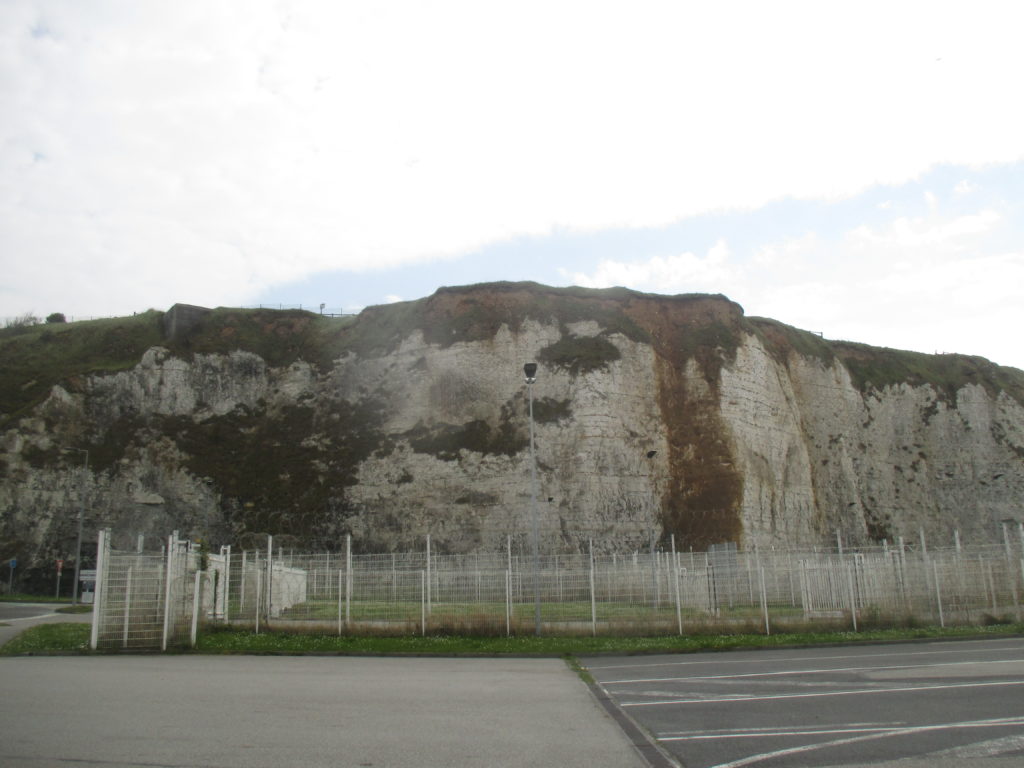
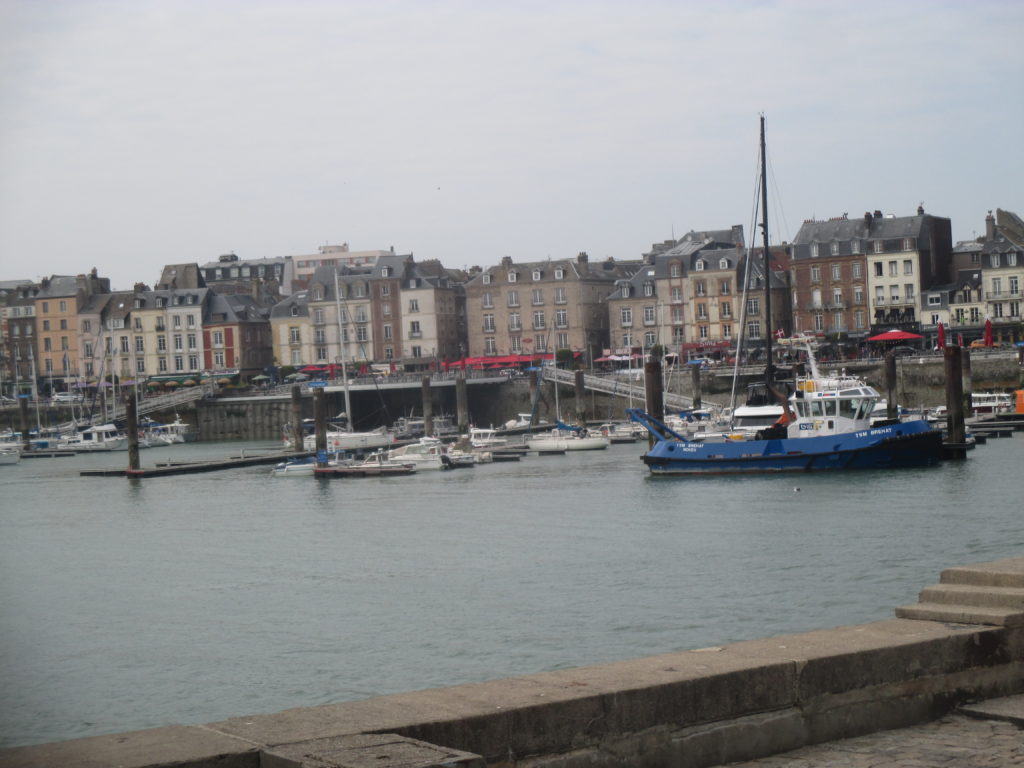
A l’époque je m’étais fait la réflexion que ces obstacles qui étaient construits pour arrêter les migrants servaient maintenant à empêcher les Français de quitter leur pays, de fuir l’oppression, comme en 1940… L’ambiance a heureusement, grâce à nos luttes et à la guerre qui se déroule à l’Est, un peu changé. Mais la ville de Dieppe a terriblement souffert des confinements covidiens et de l’interdiction du tourisme et des voyages. Le nombres de visiteurs est très inférieur aux normes saisonnières, il ne faut pas oublier que le détestable pass dit « nazitaire » n’a été aboli que depuis un mois.
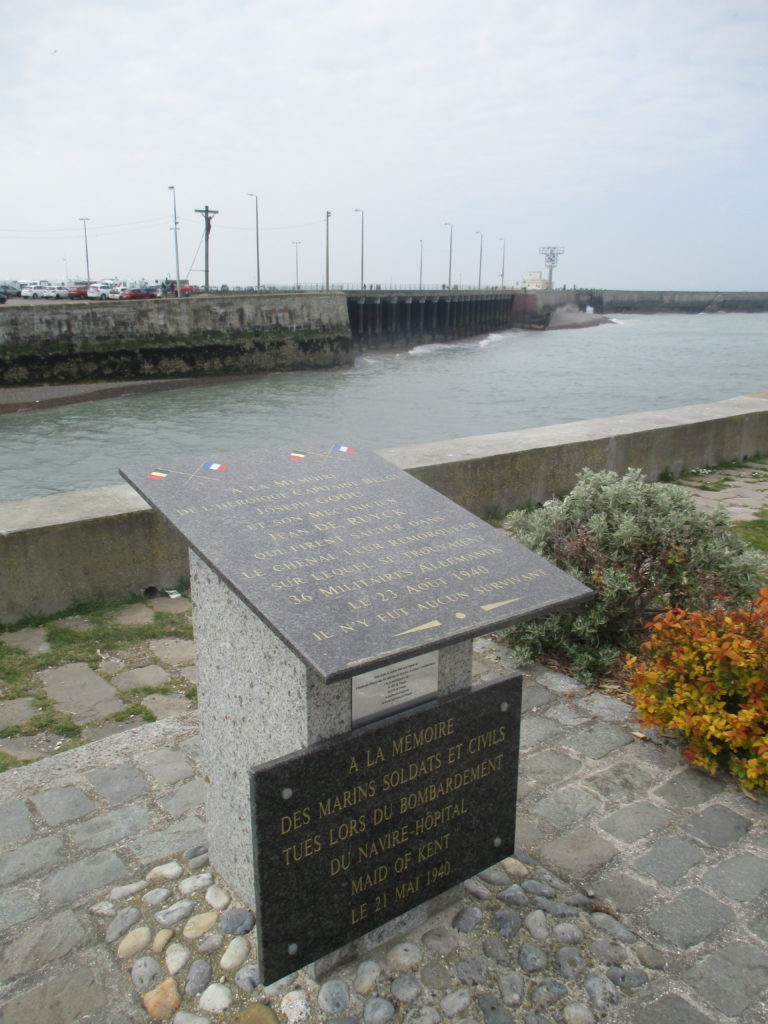
Et puis, les prix ont triplés. Pour une personne seule, le menu est passé de 20 Euros à 30 Euros ! J’ai une grande répugnance à donner mon argent à tous ces restaurateurs collaborateurs de la dictature covidienne et du pass sanitaire et je ne suis toujours pas retournée au restaurant à Paris, sauf pour récompenser les très rares restaurants résistants. Mais ici j’ai très envie d’un bon plateau de fruits de mer et je m’attable dans un des lieux que j’ai connus en été 2020. Dans la petite gare de Dieppe les lilas sont en fleurs devant les trains qui nous attendent sur leur quais. Je prends ce train avec réticence tant est vive ma colère contre la SNCF qui nous impose toujours le bâillon de masque. Mais contrairement à 2020 et 2021 le contrôleur de la SNCF n’inspecte pas mon visage caché sous mon foulard et a l’imprudence de me tendre un… questionnaire de satisfaction !
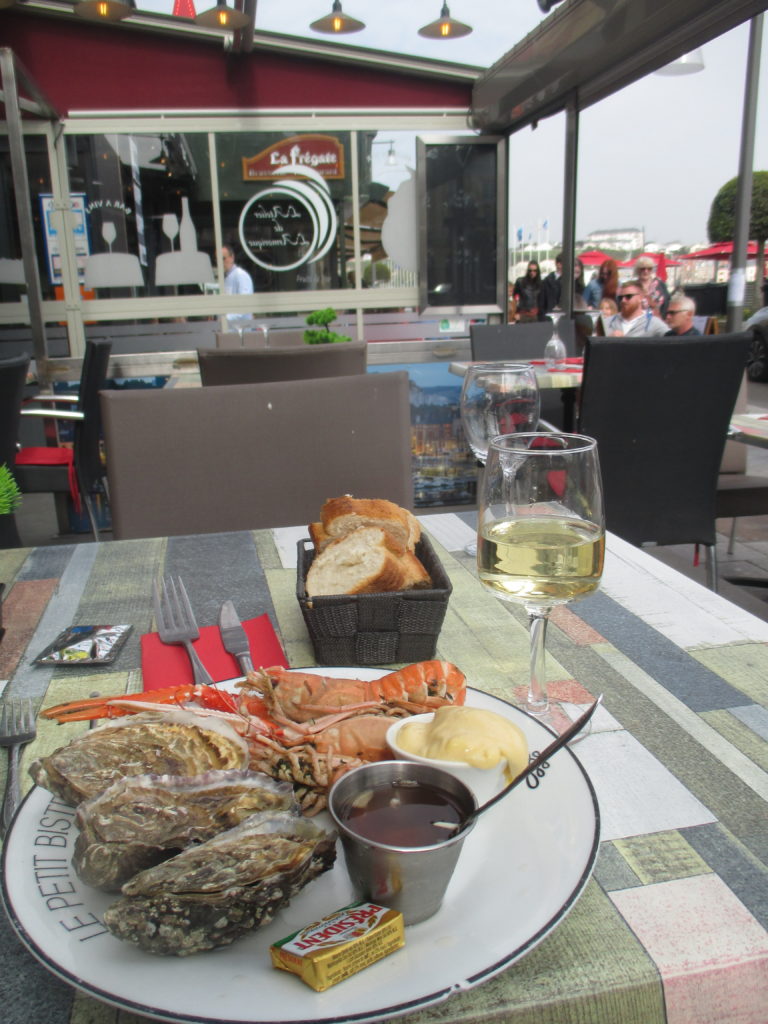
Pendant le trajet je répands sur la feuille ma protestation contre la flicaille hargneuse aux ordres de la SNCF qui nous a traité pendant deux ans comme du bétail, qui nous a humiliés et terrorisés. Je rappelle à la SNCF que le pass nazitaire est une violation majeur des Droits de l’Homme, du principe d’égalité, de non-discrimination et de dignité de l’être humain et qu’ils en seront comptables, qu’ils ne pensent pas échapper à la justice et la vengeance des Français comme ils ont échappé à l’épuration en 1945…. J’ai tant et si bien déversé ma colère que le contrôleur n’a pas osé me contrôler. Je me suis endormie sans masque sous mon voile. Il ne m’a même pas réveillée.
Arrivée à Paris l’ambiance déprimée qui y règne saisit… mais il faut garder le moral.
C’est avec notre courage et notre détermination que nous les ferons tomber. J’ai la foi que mon séjour à Londres n’a fait que renforcer.
